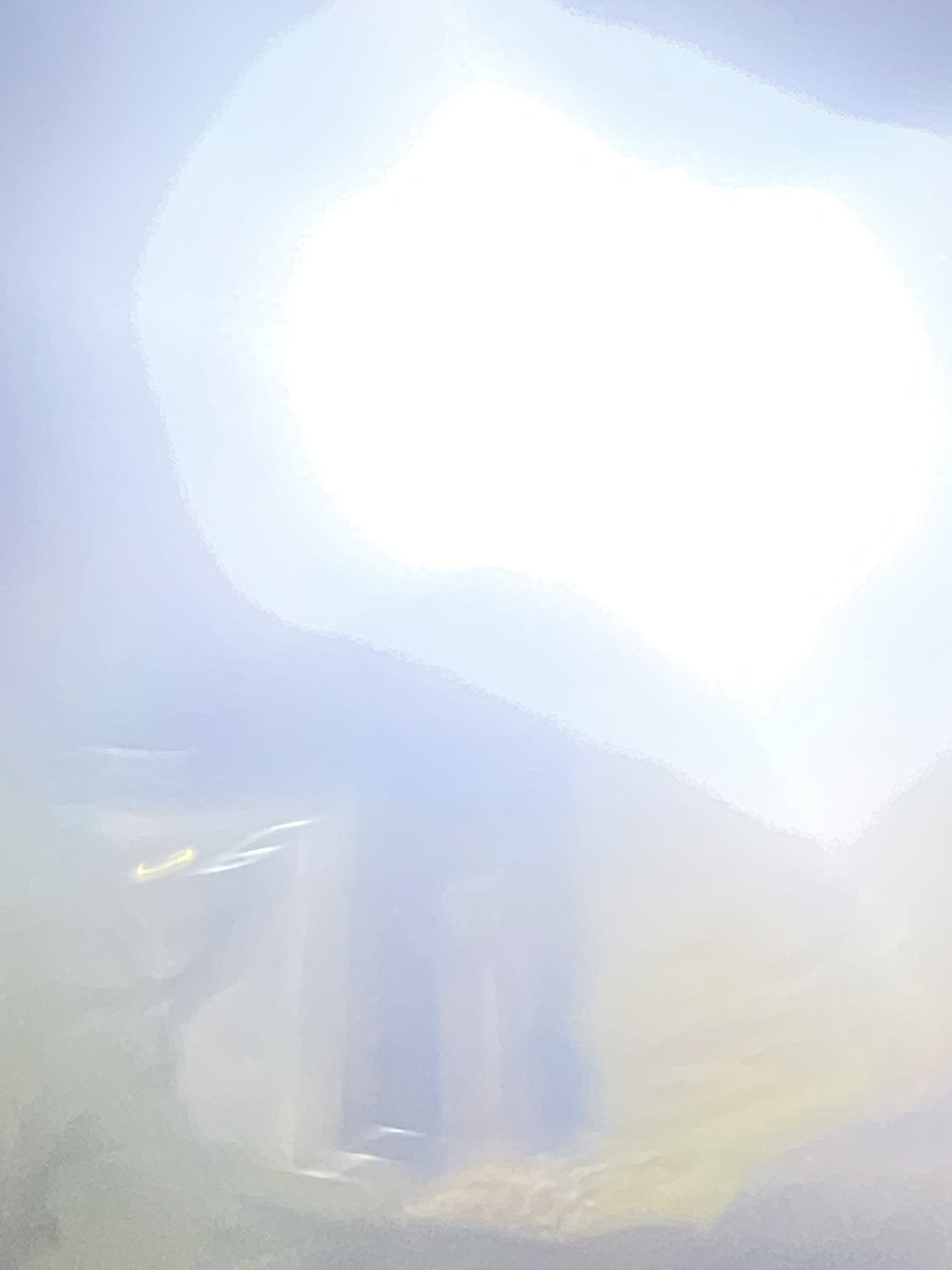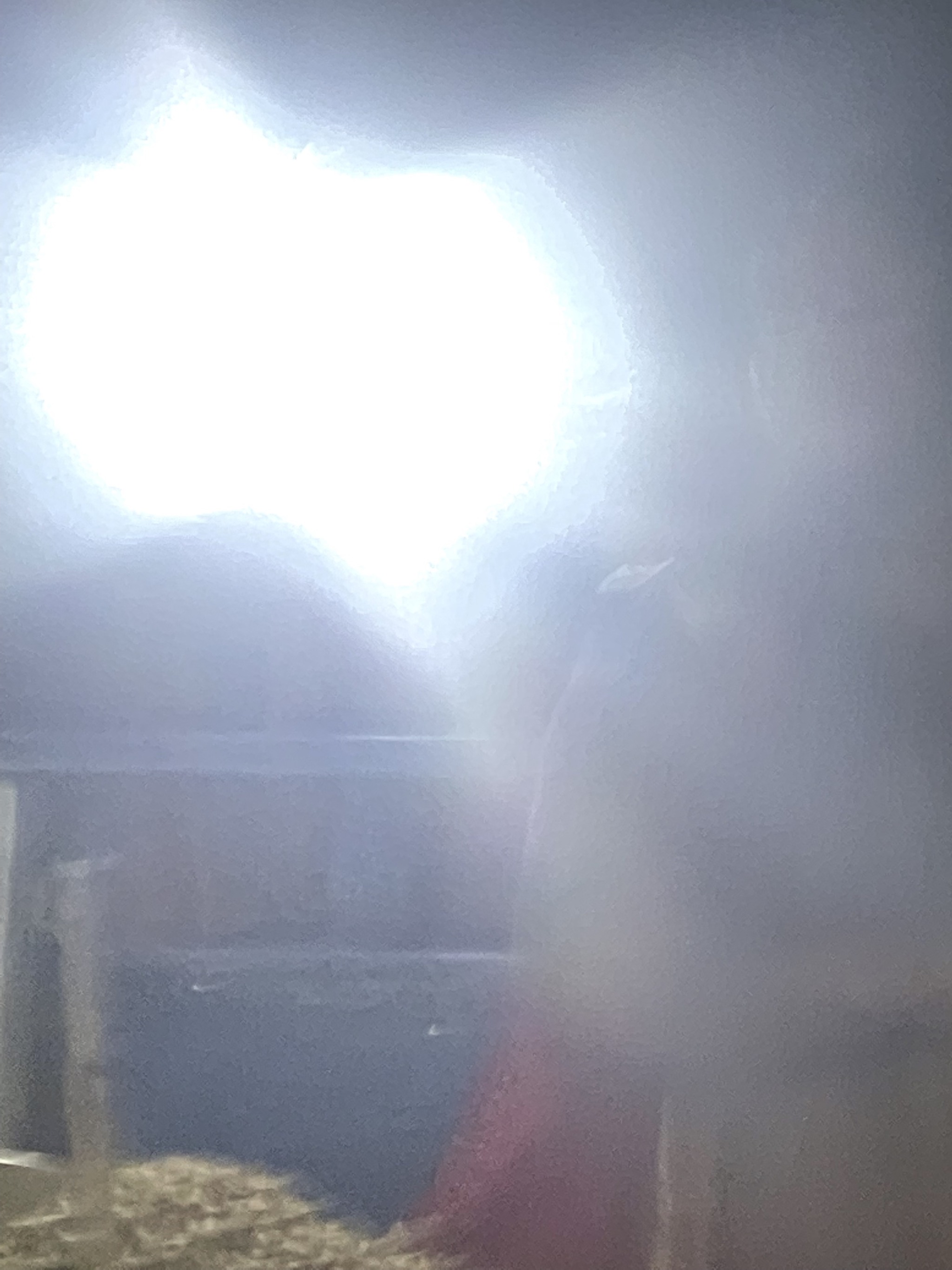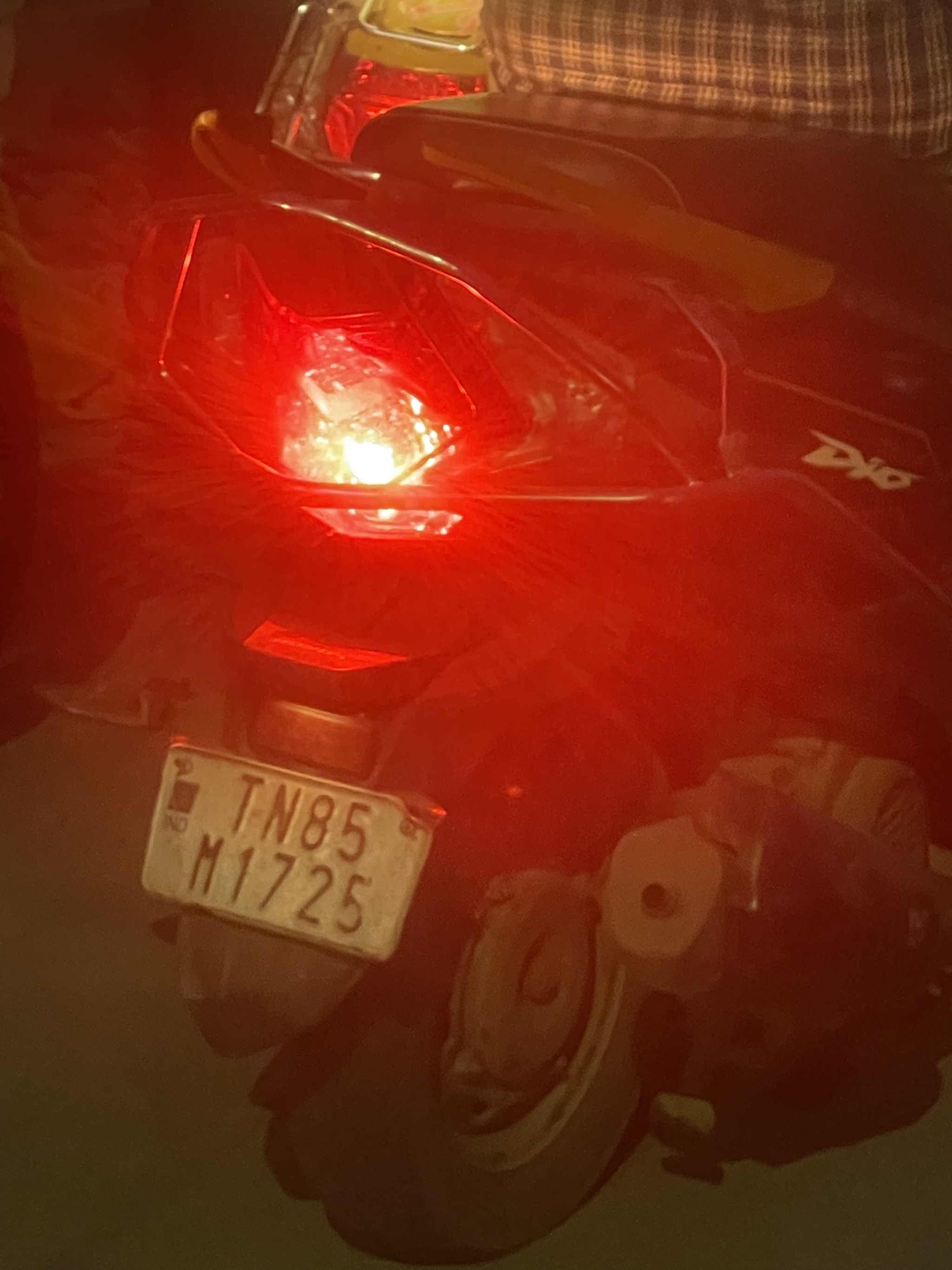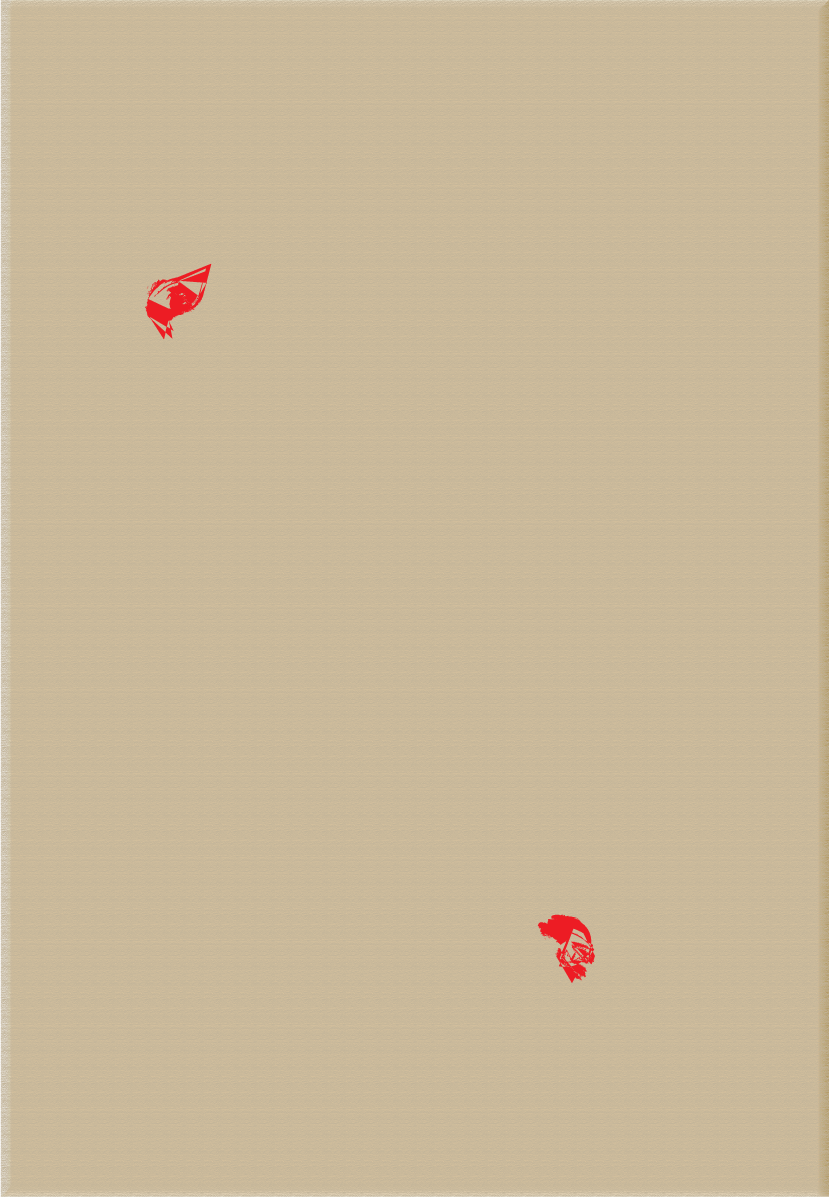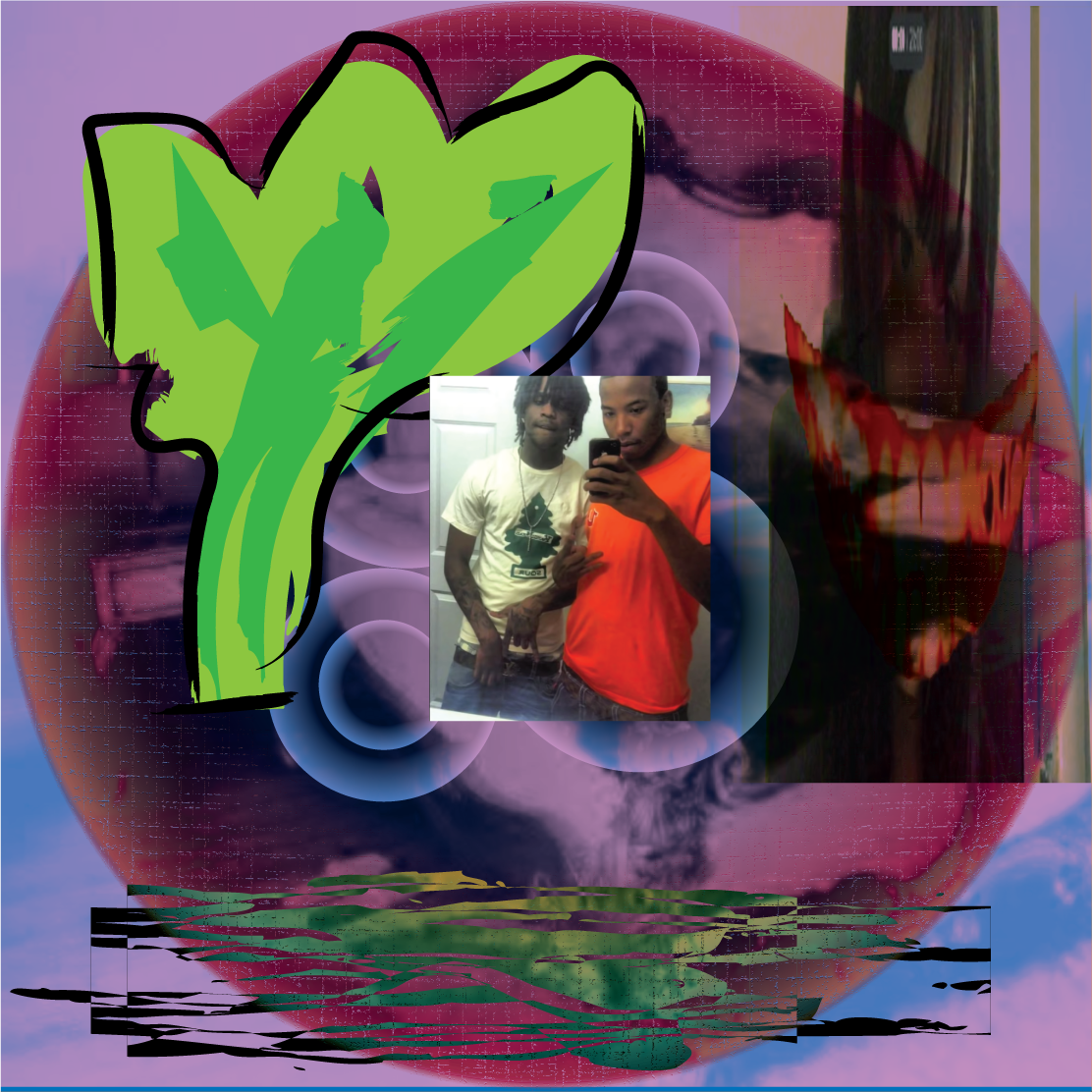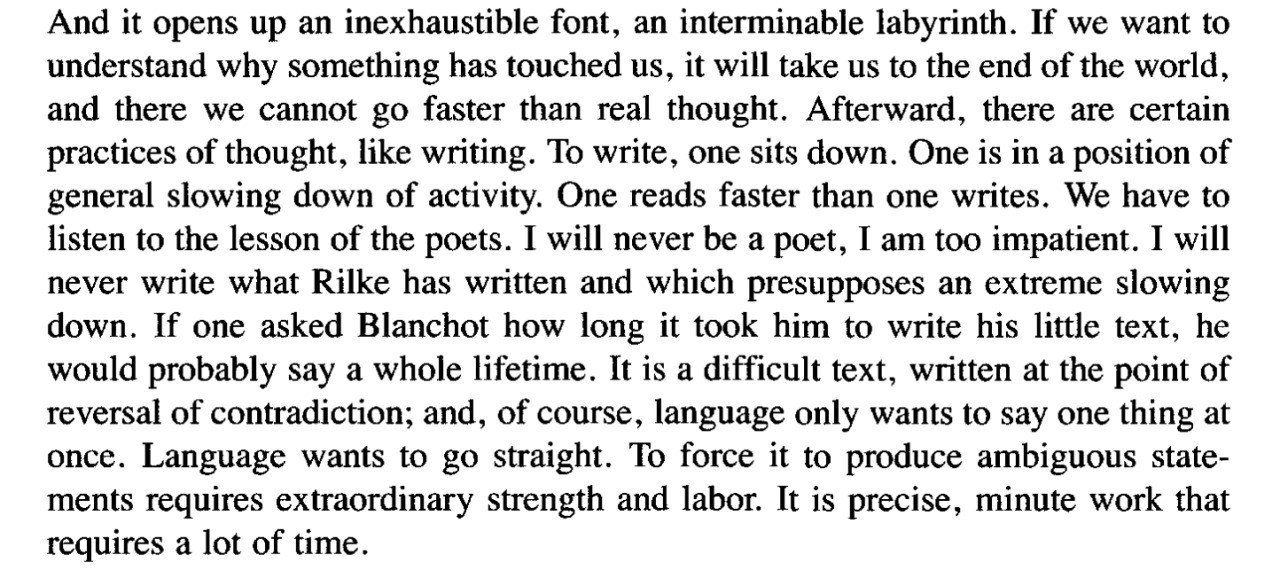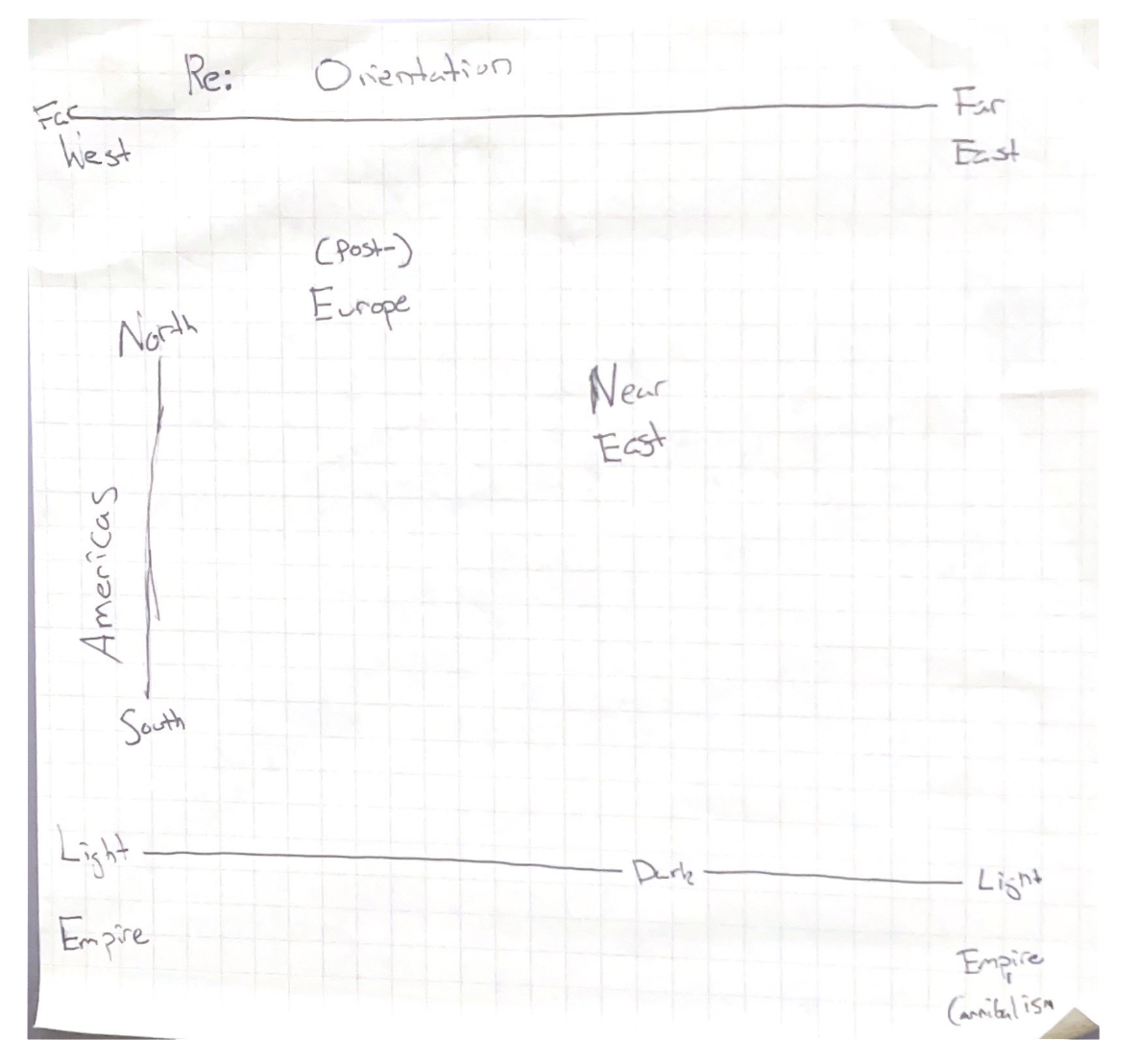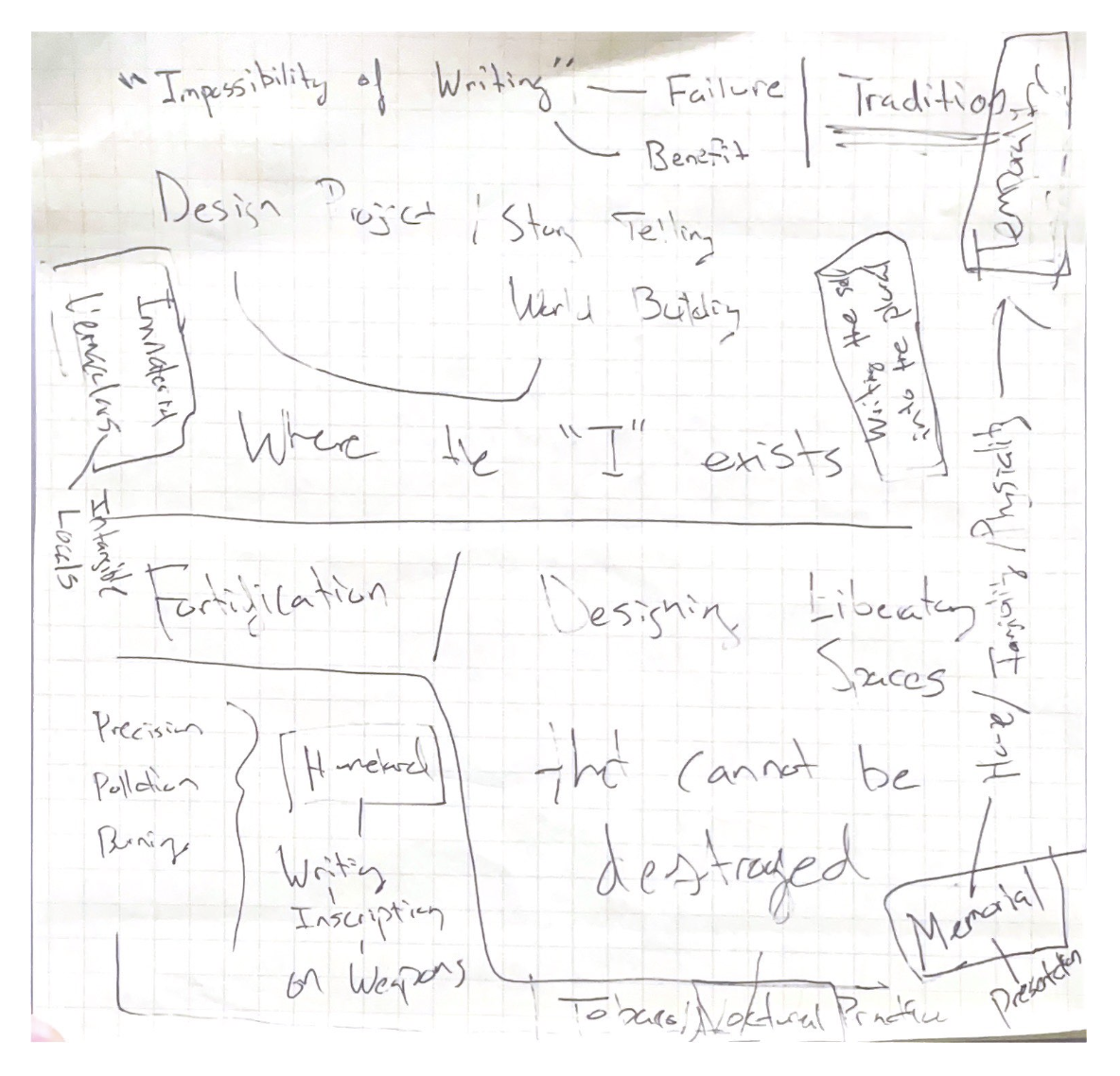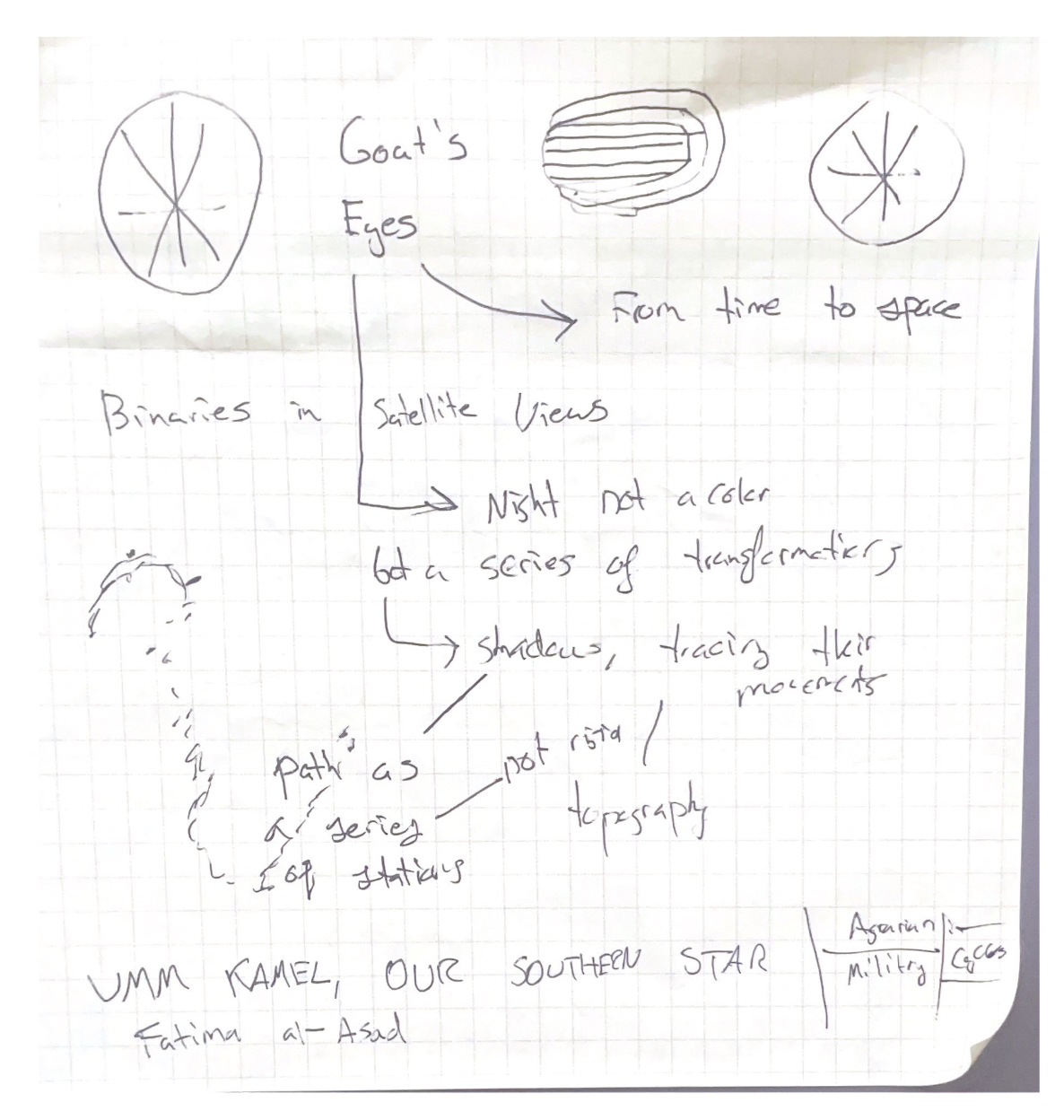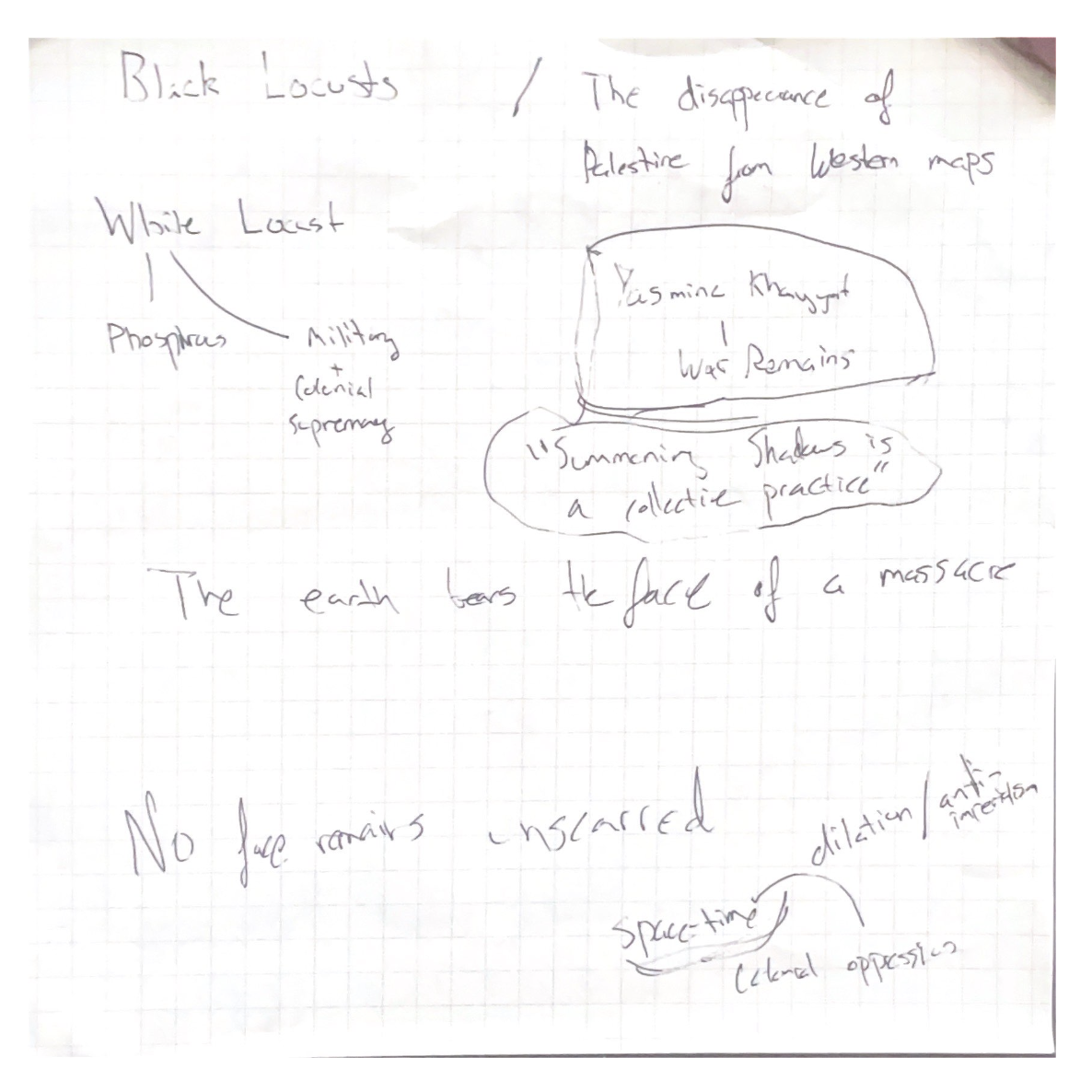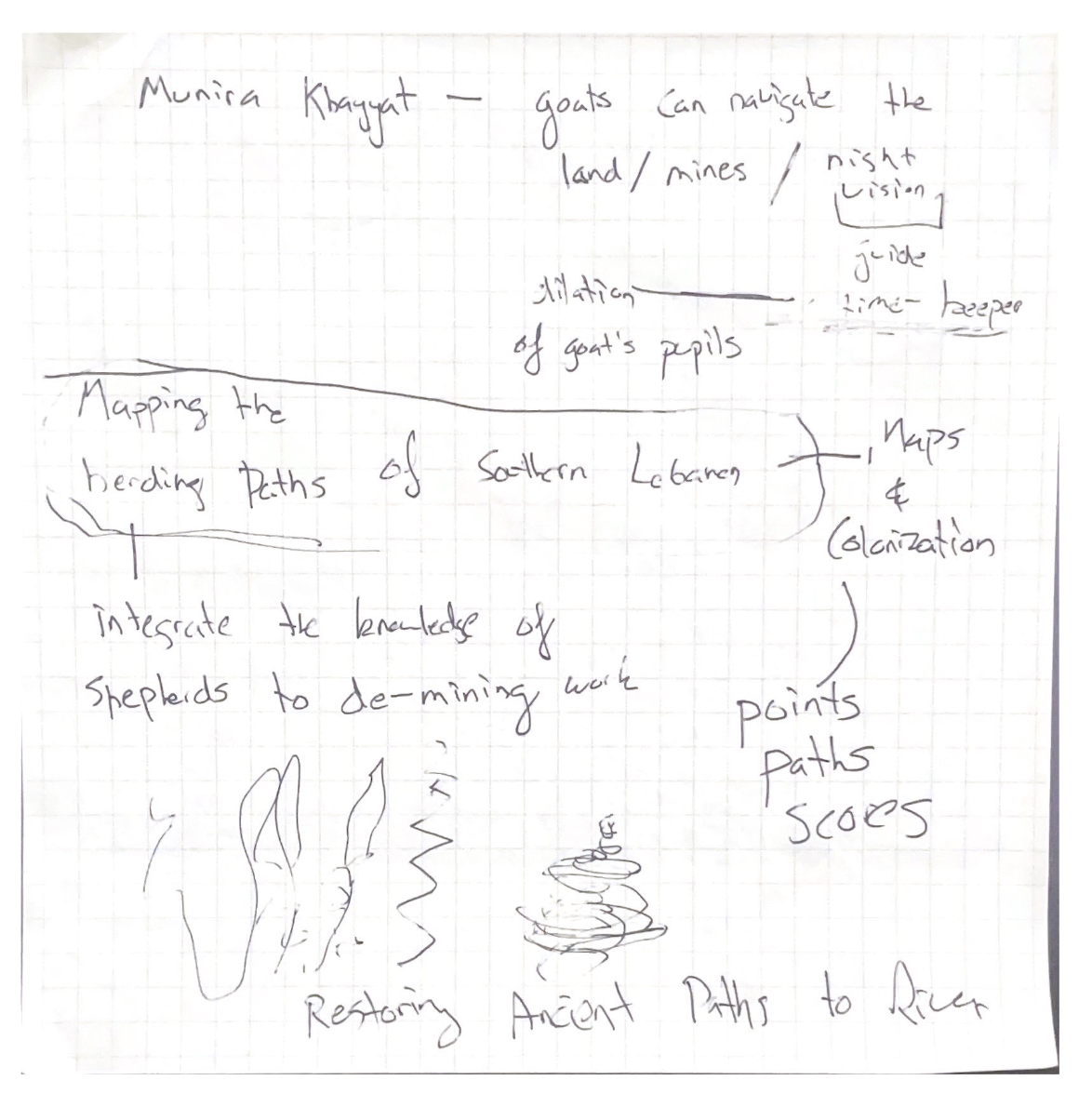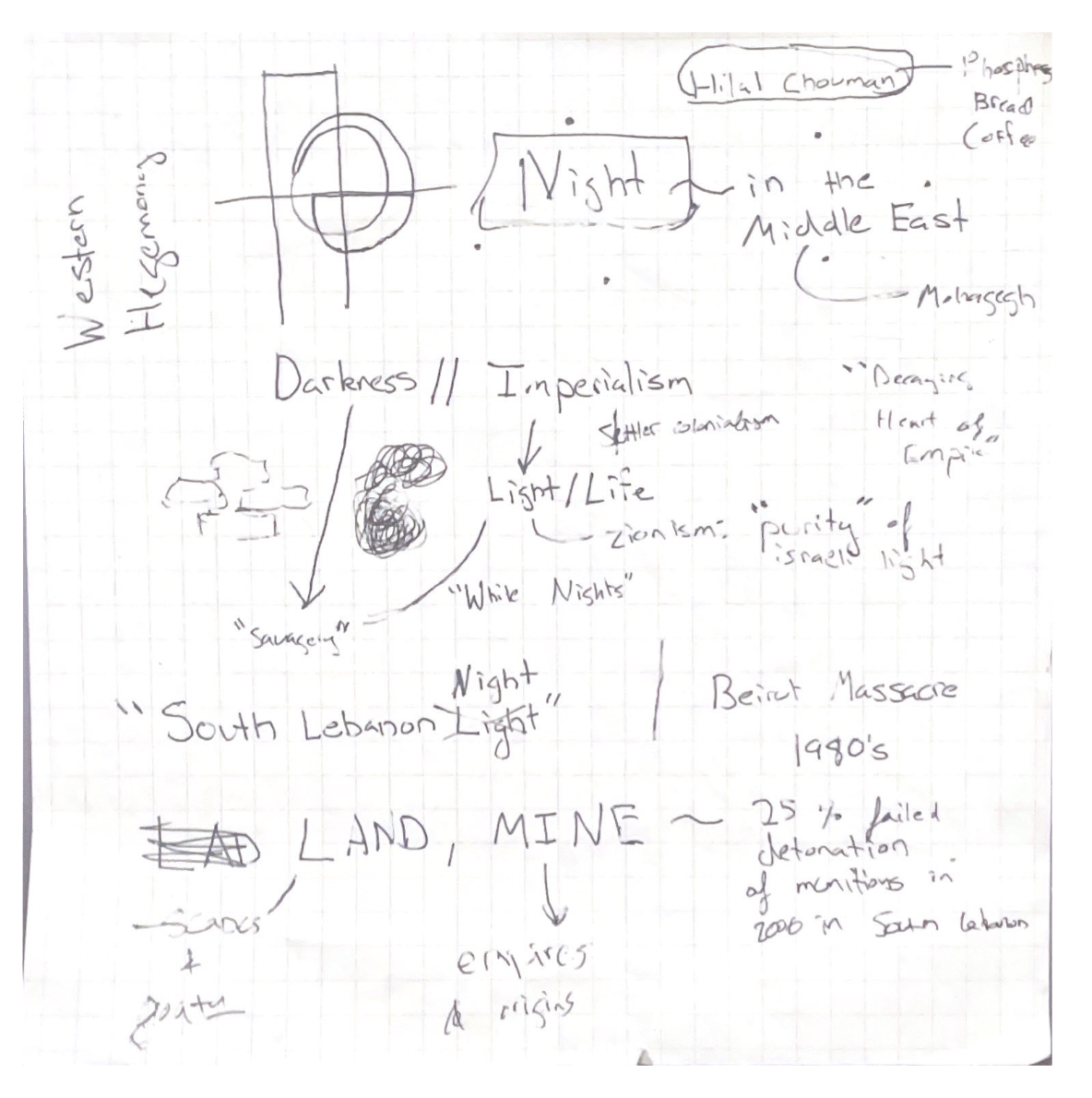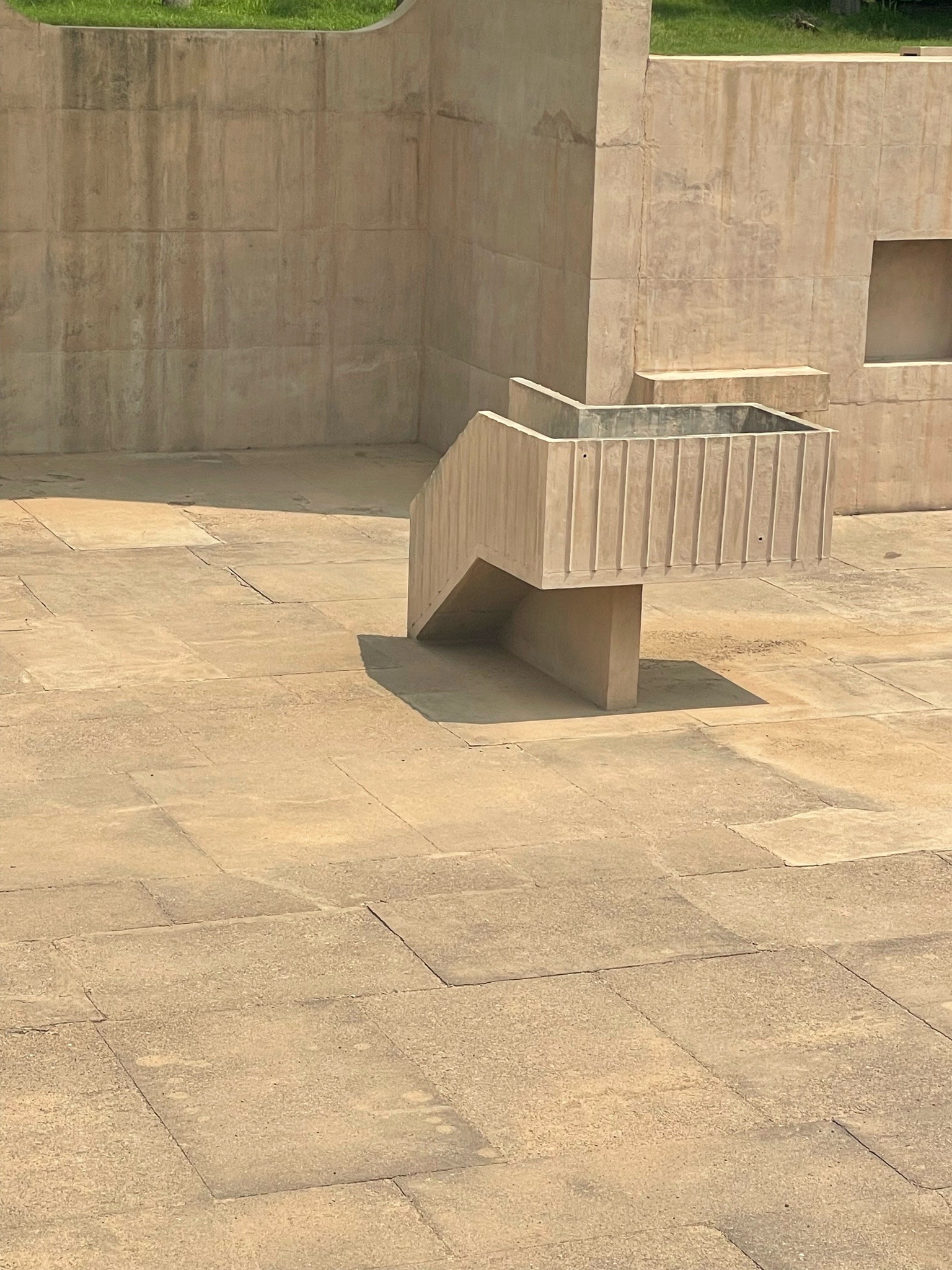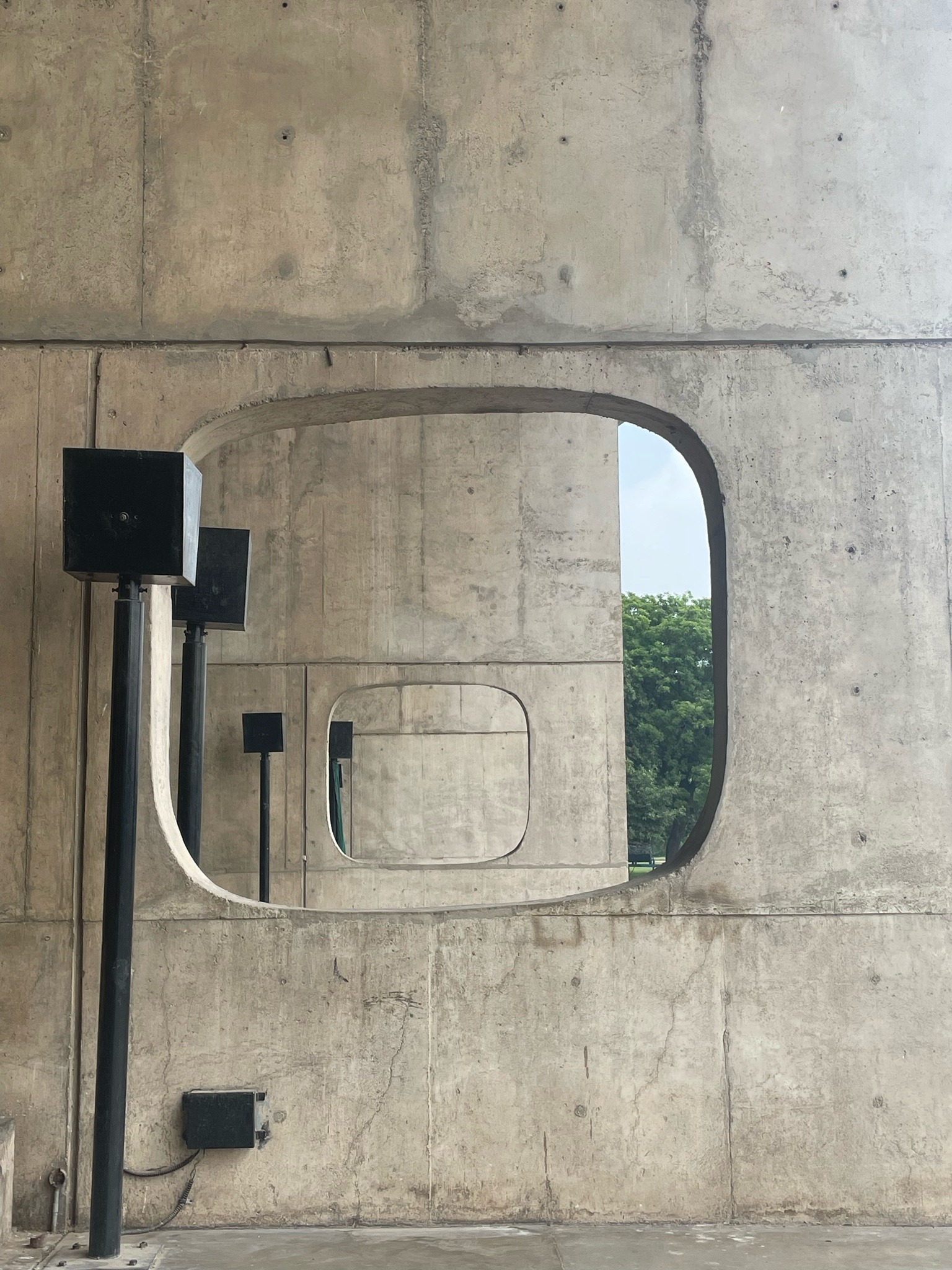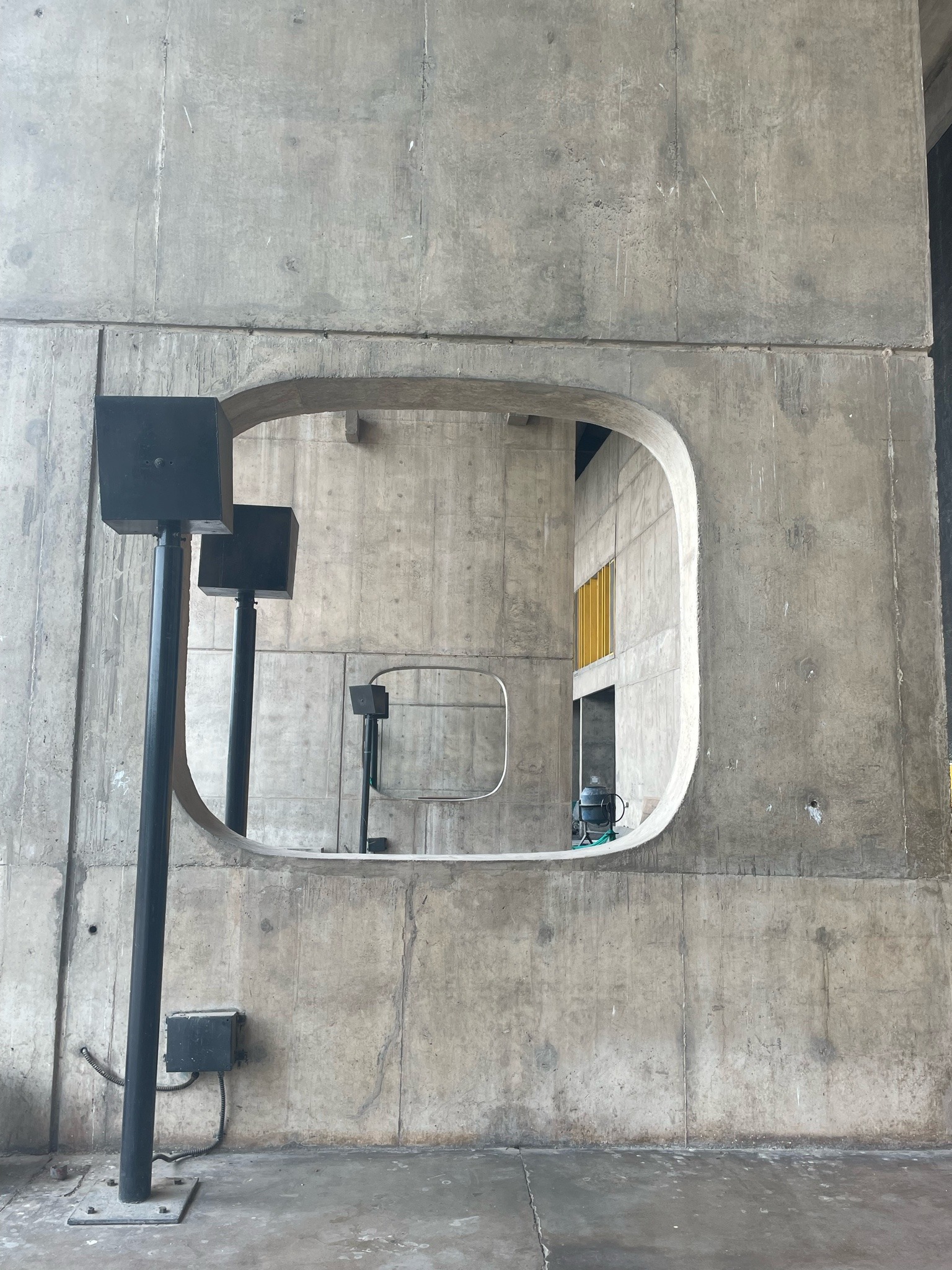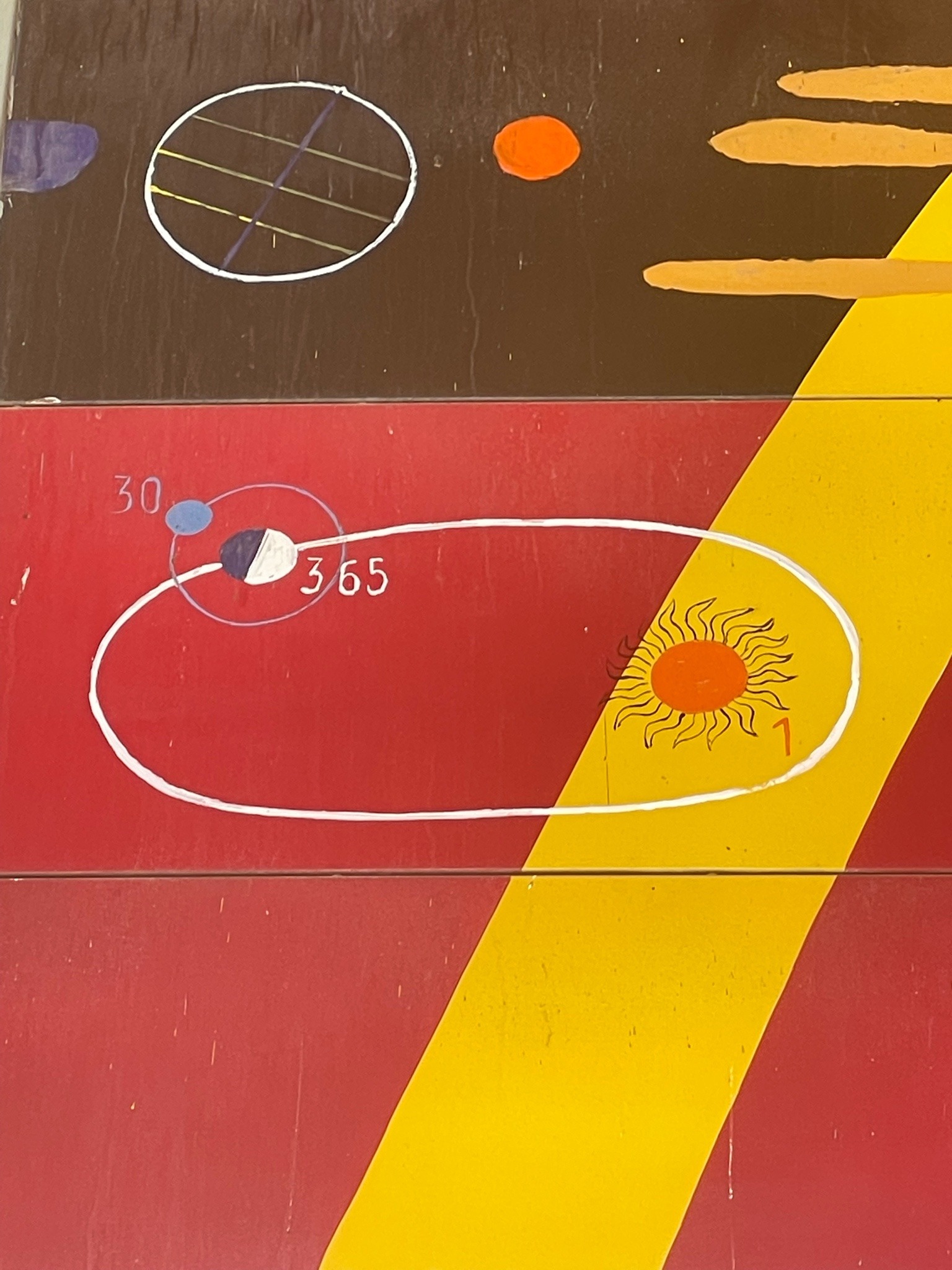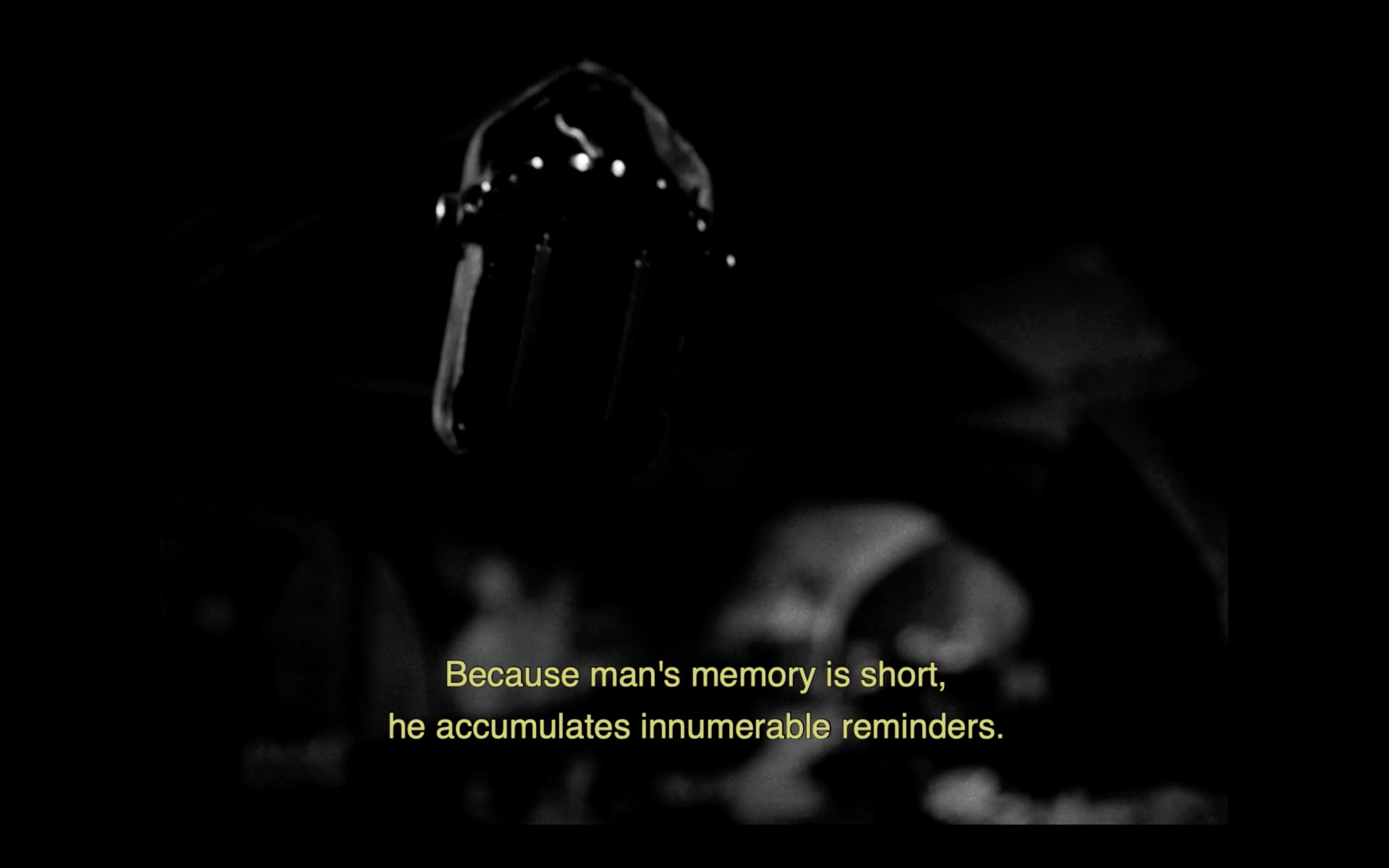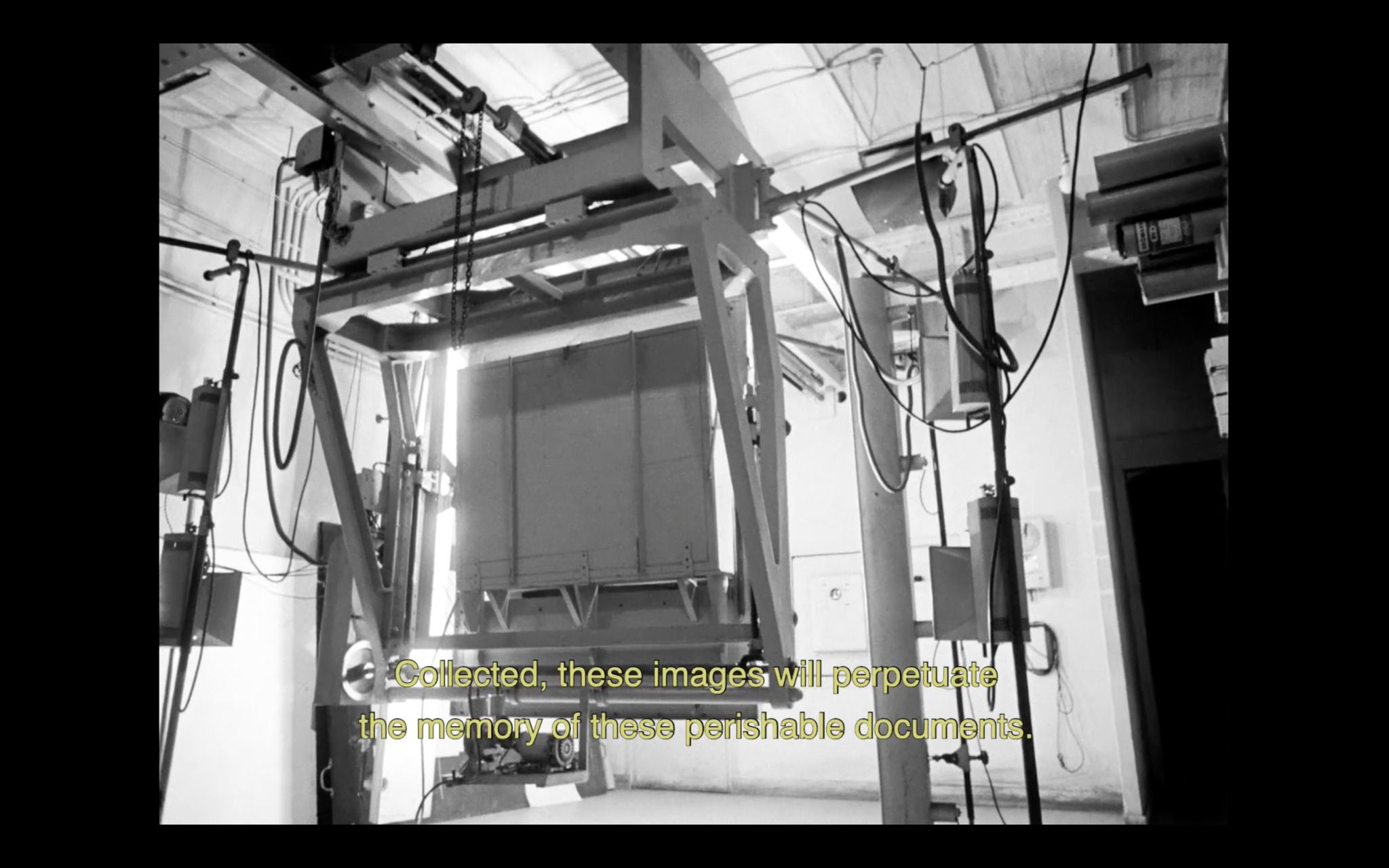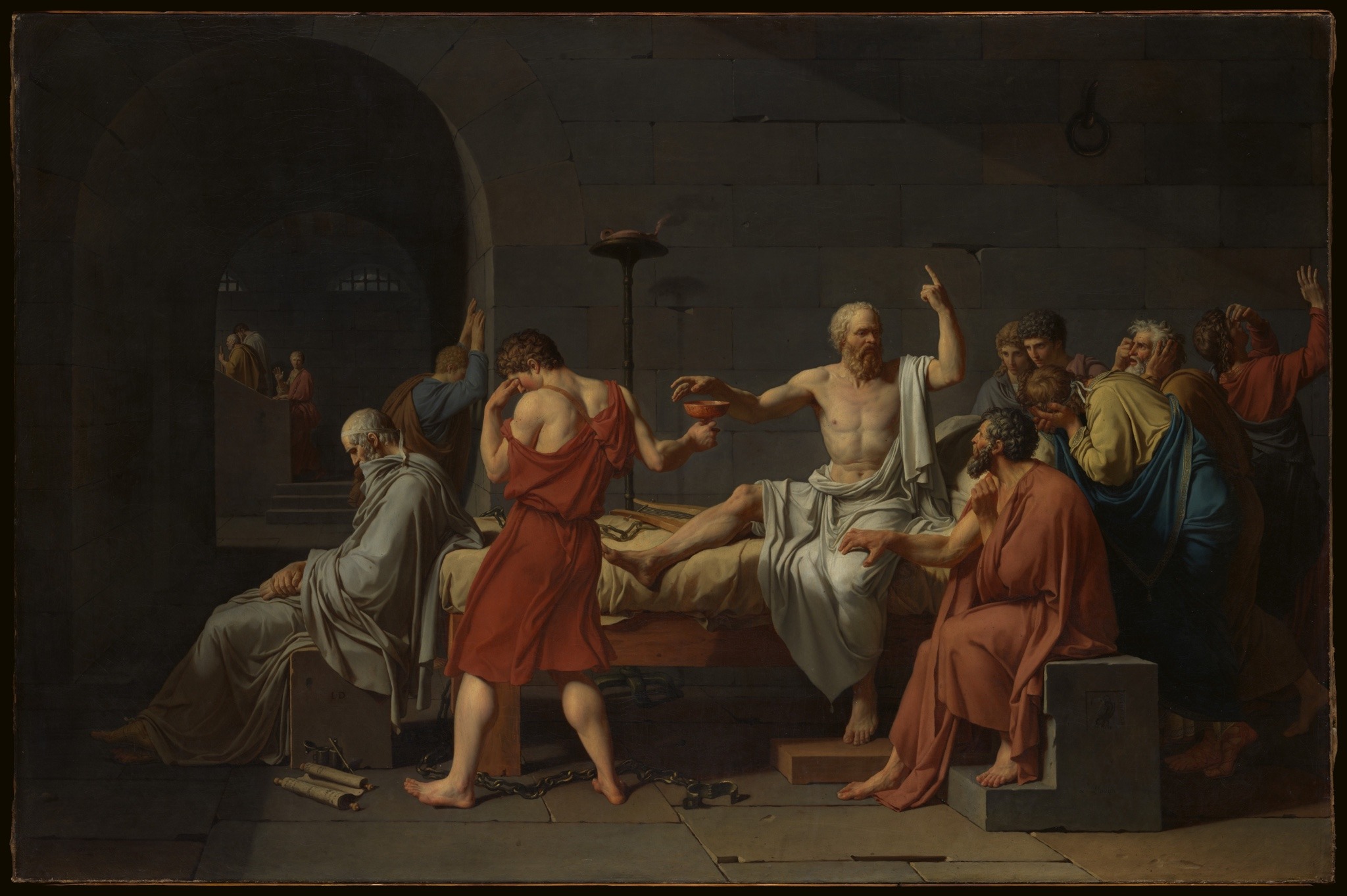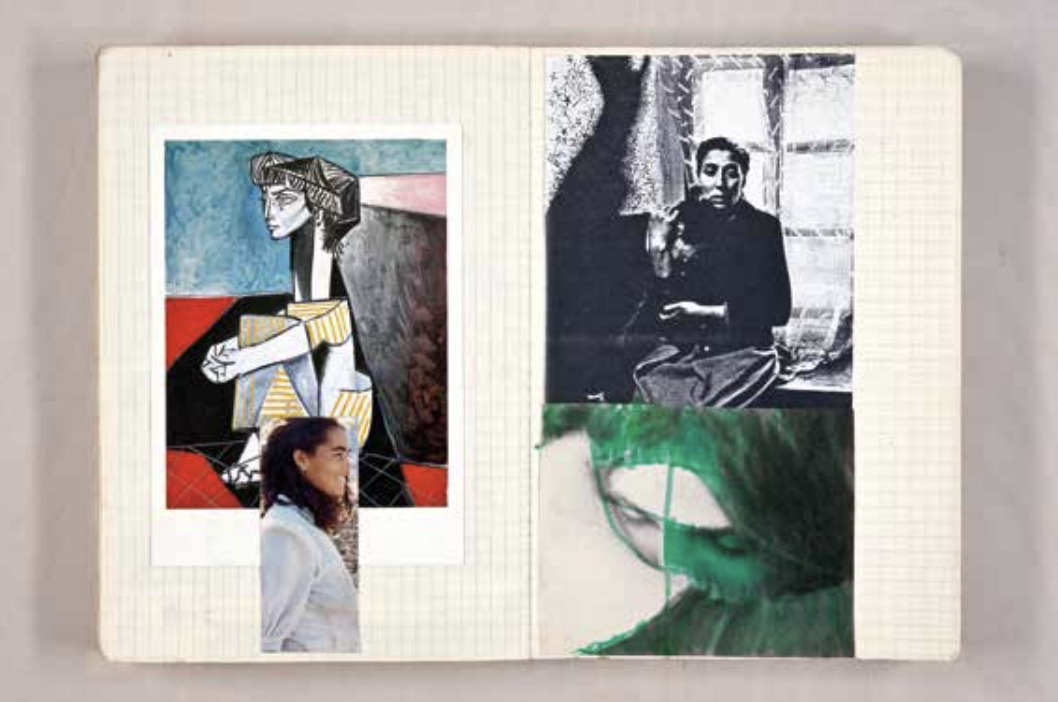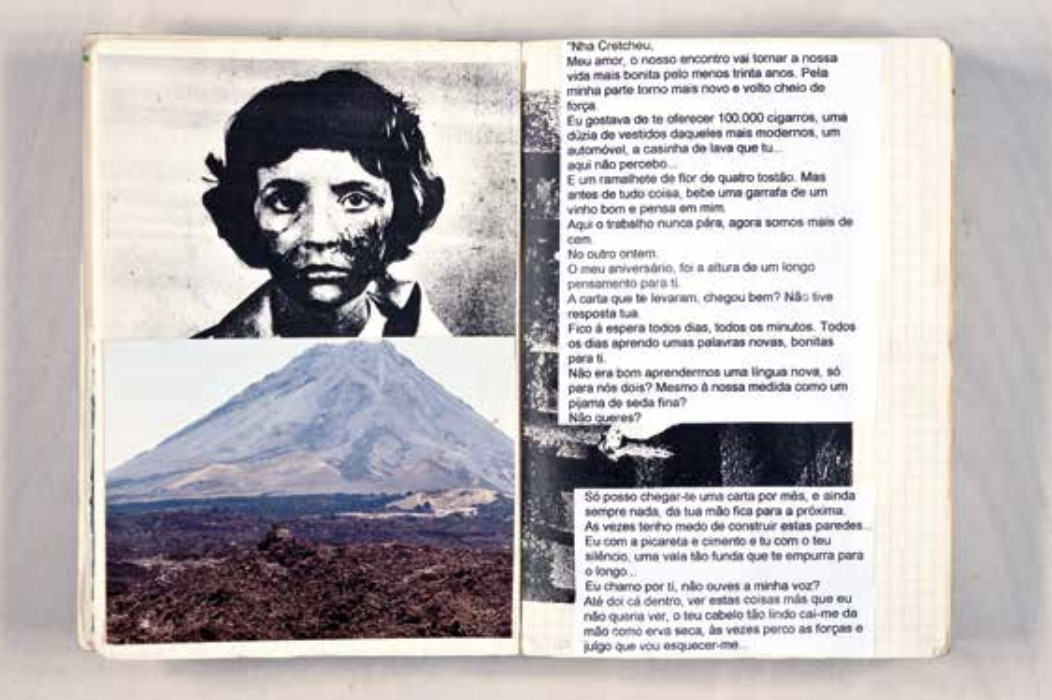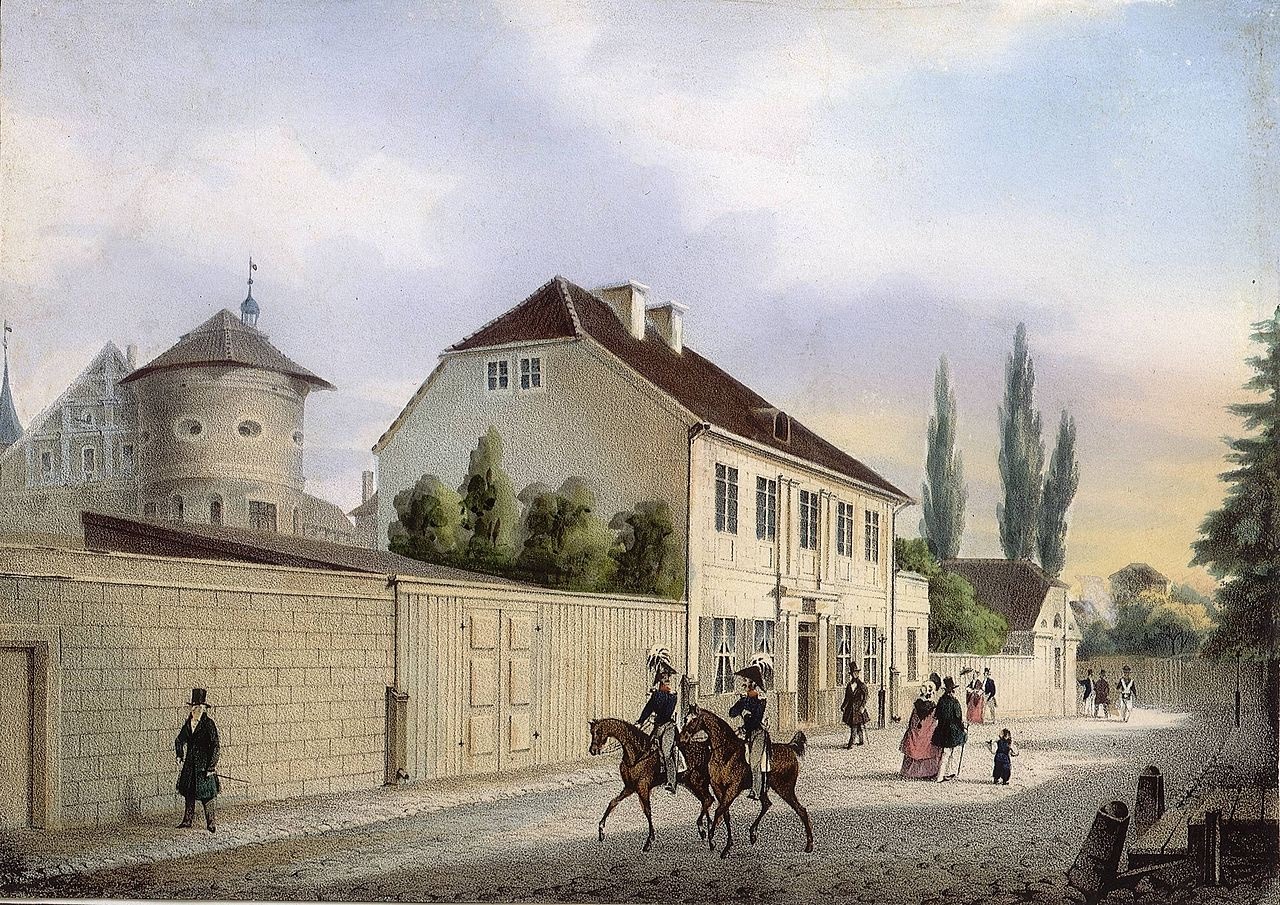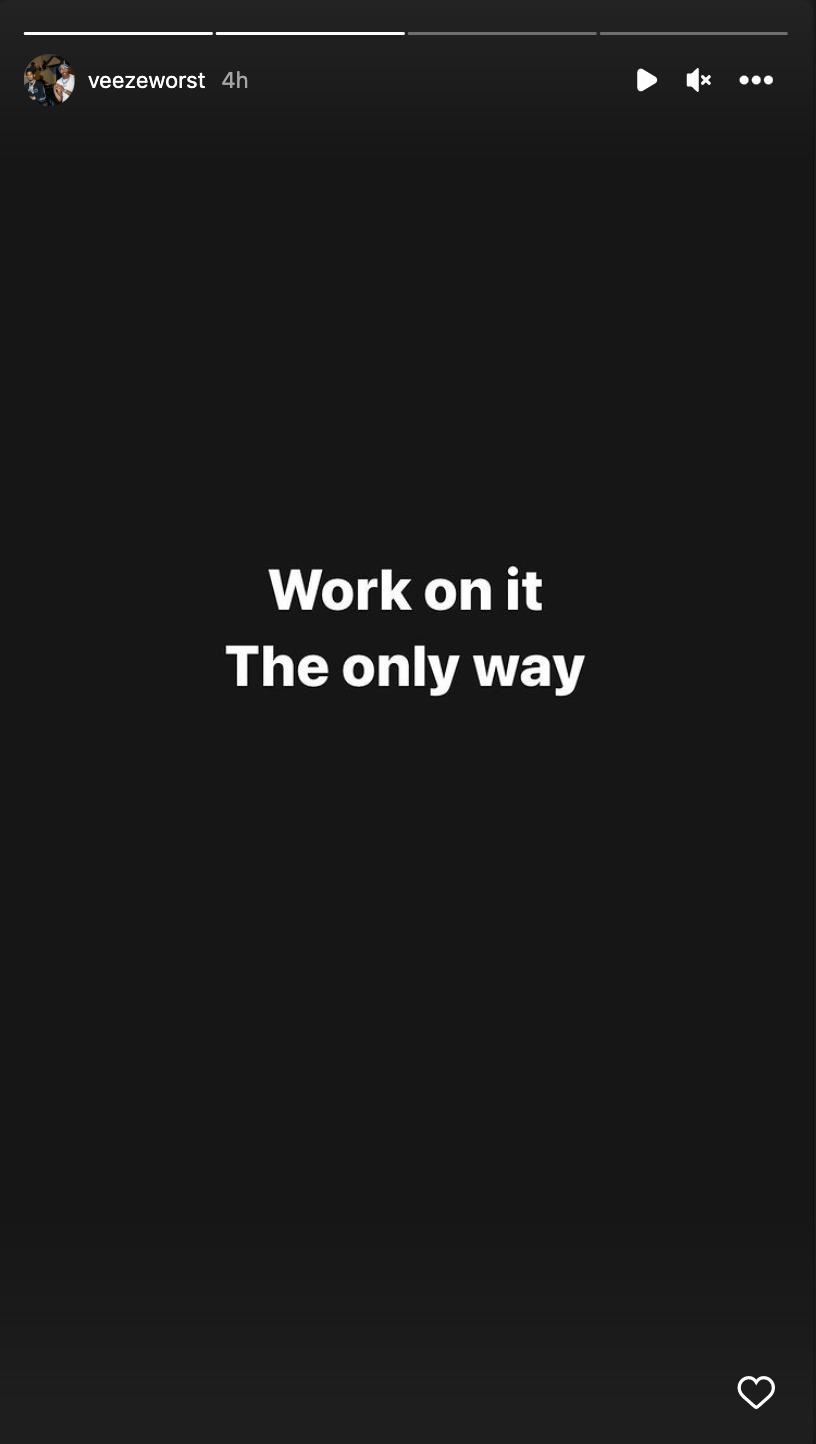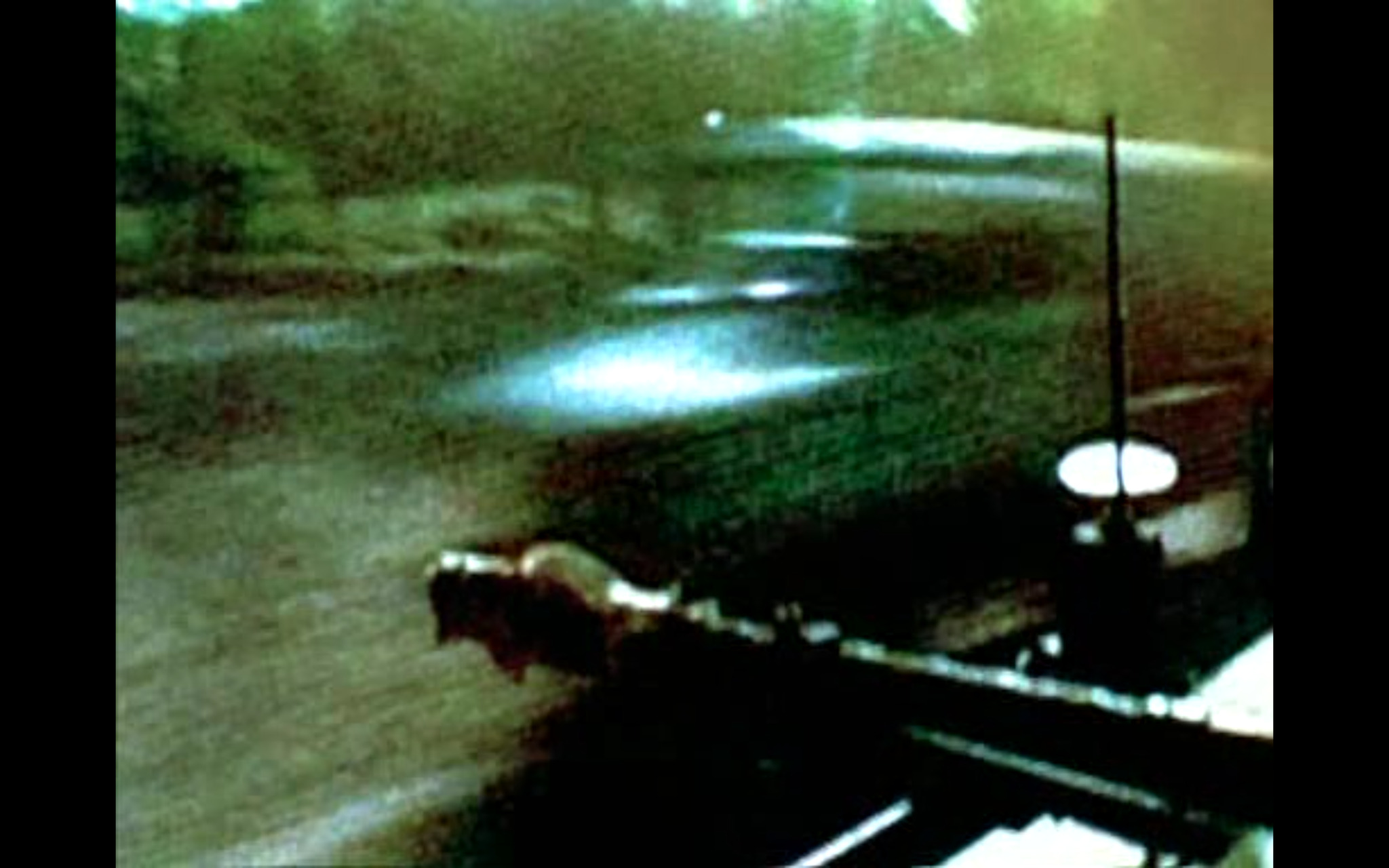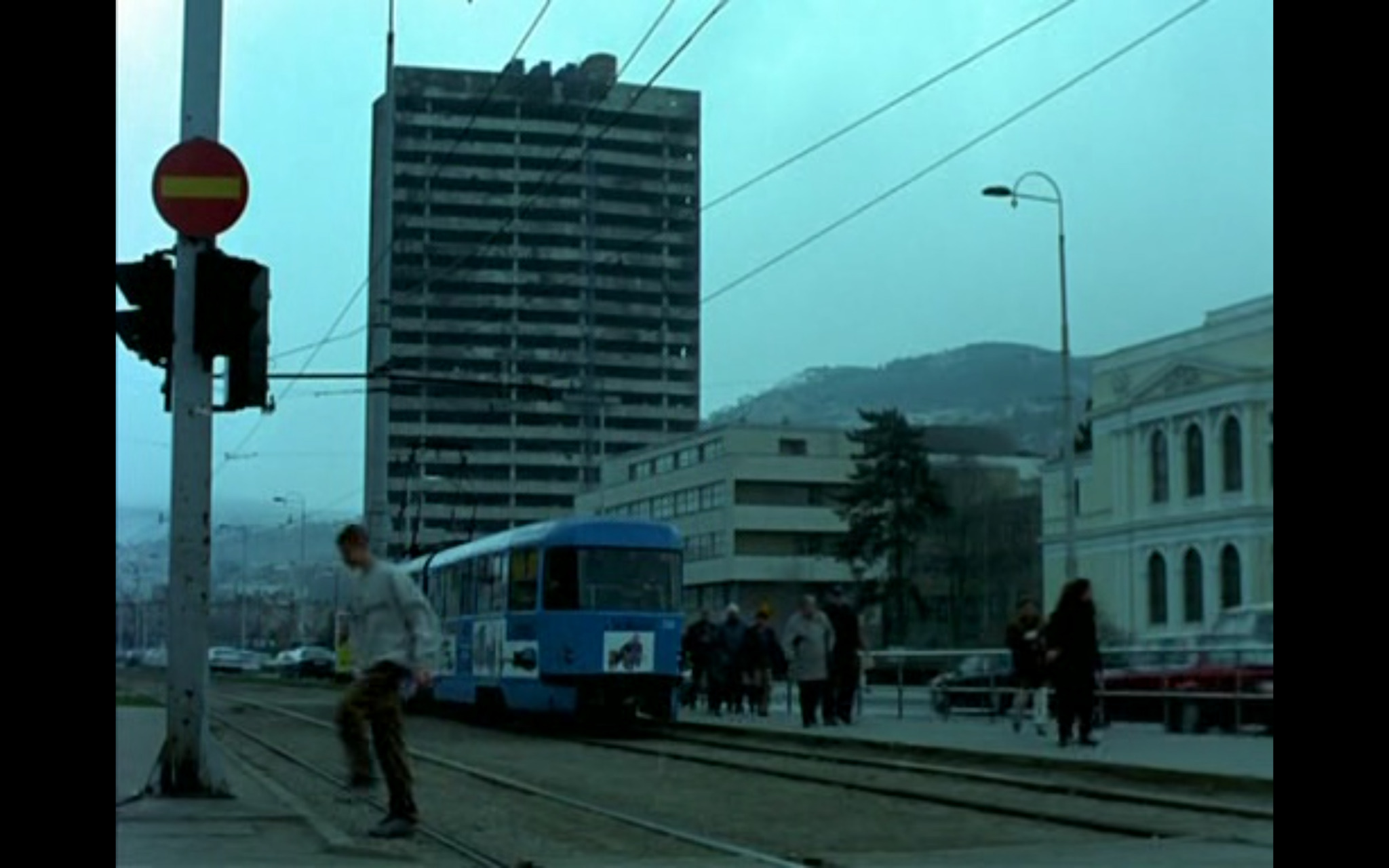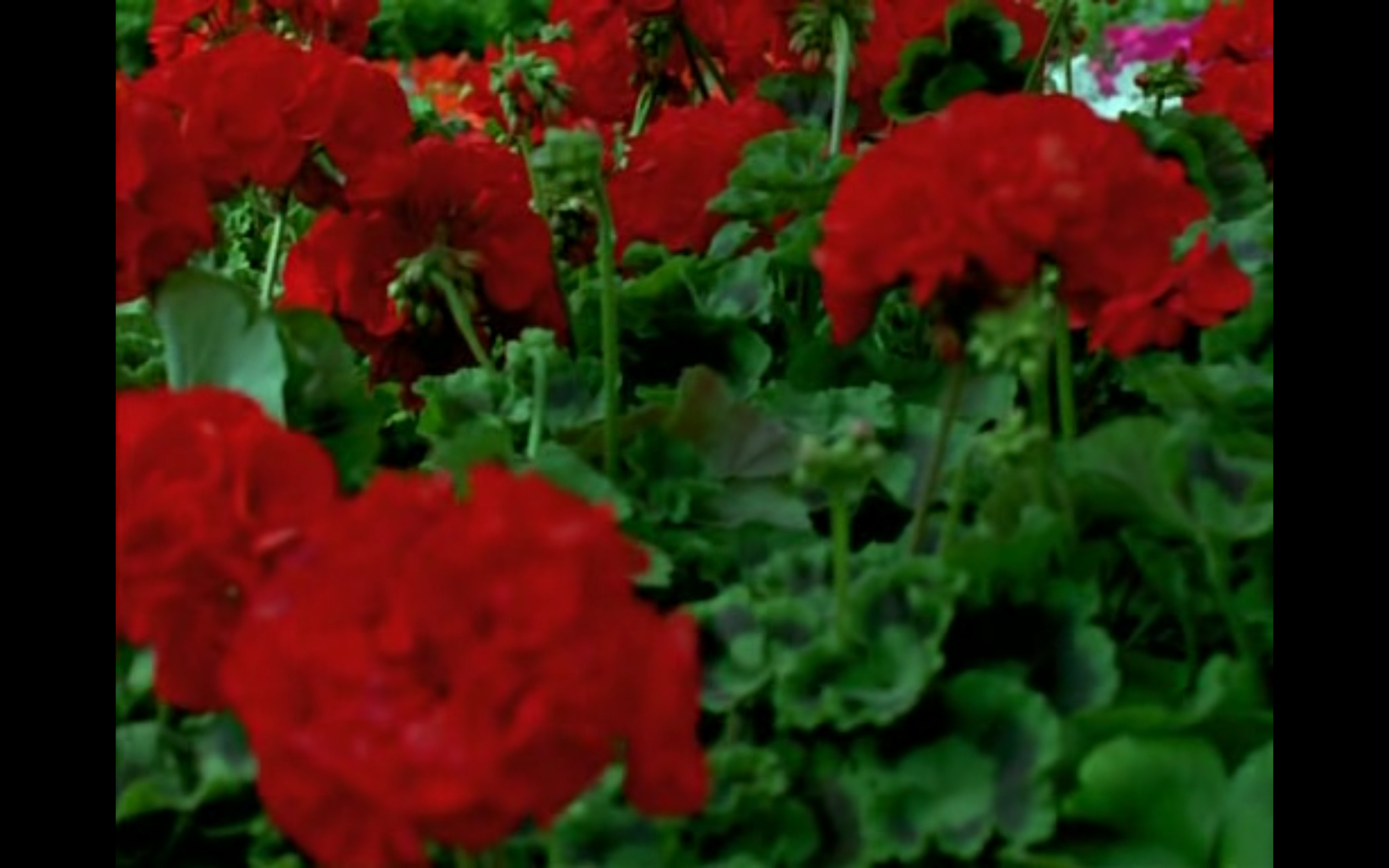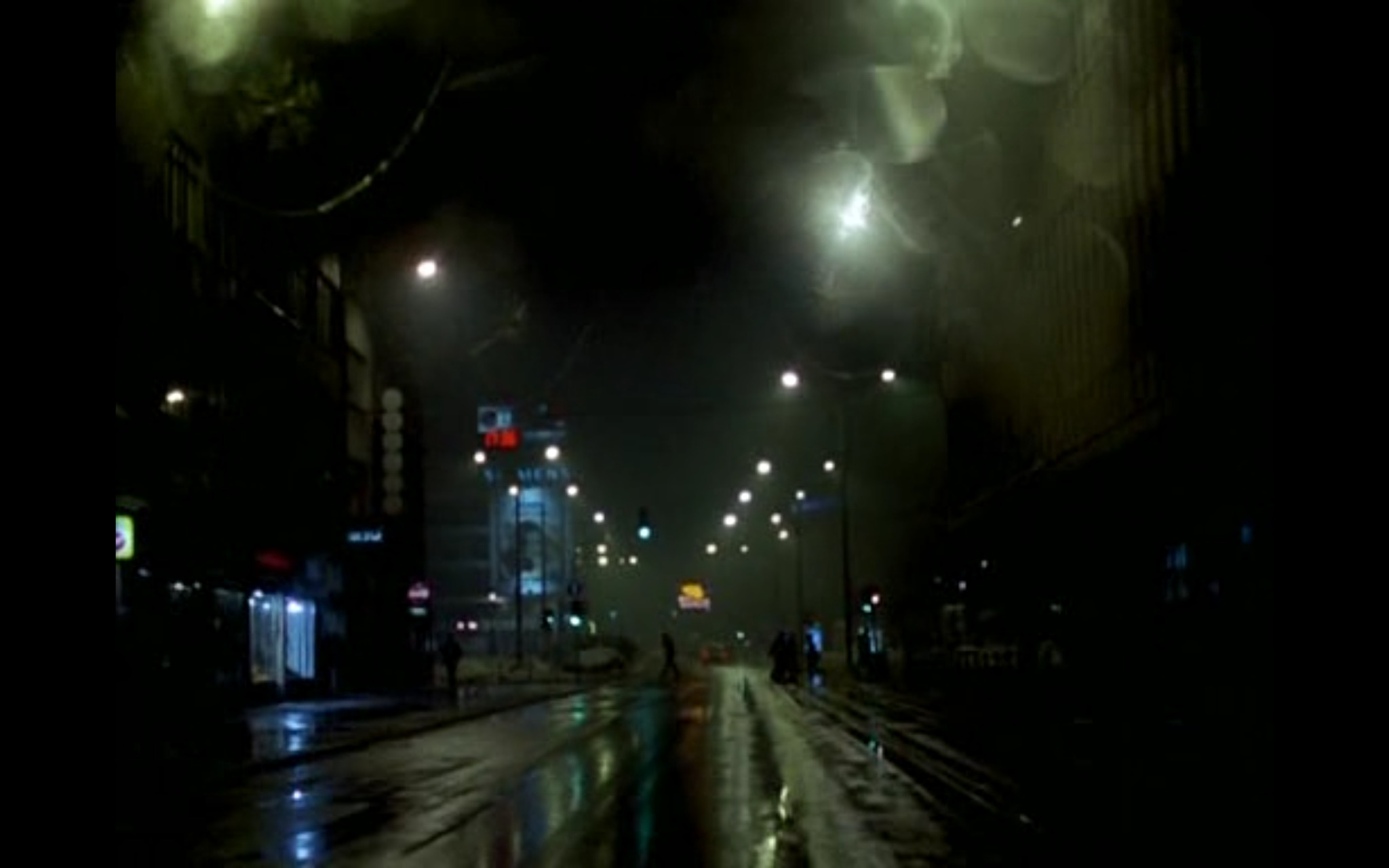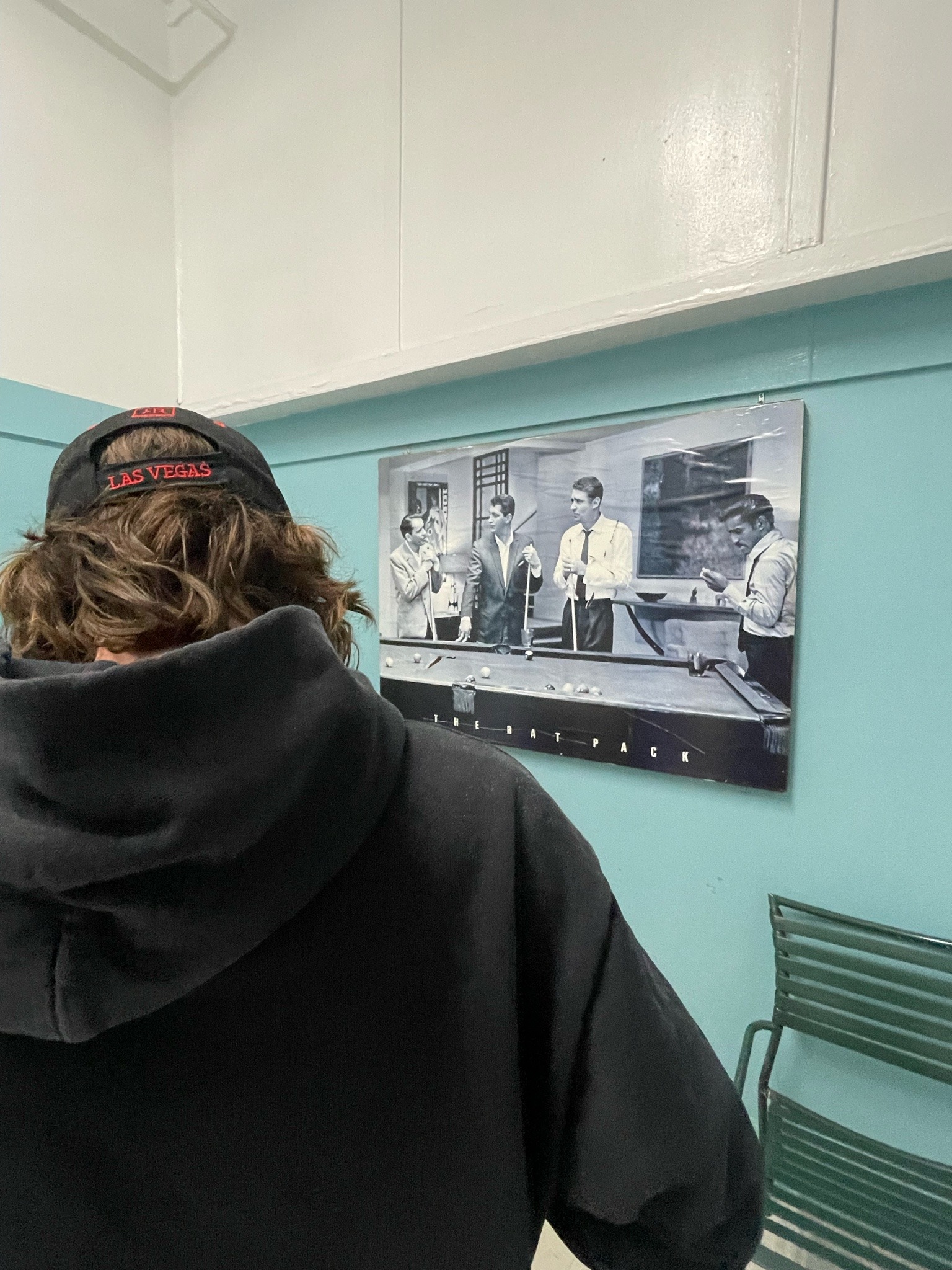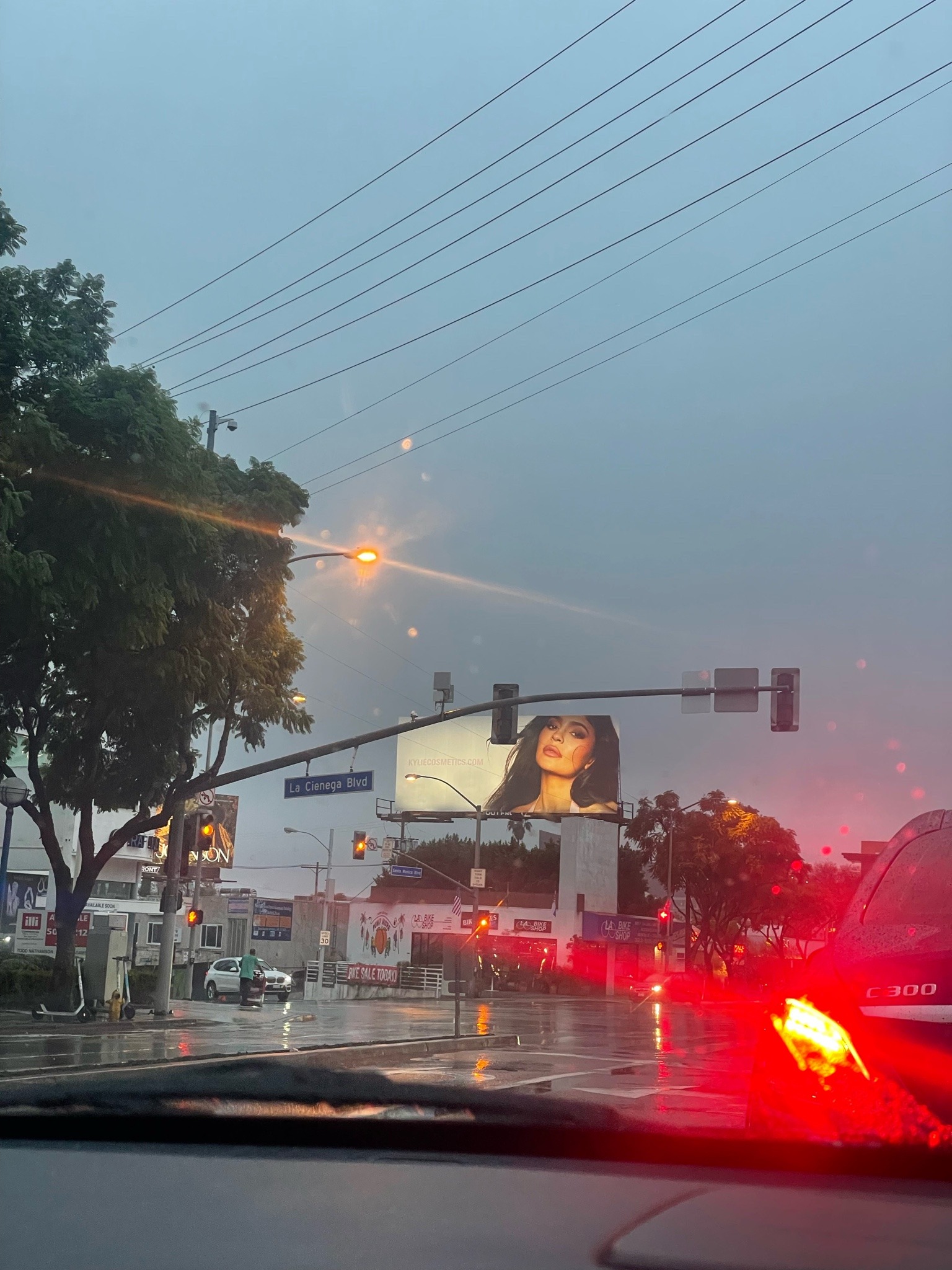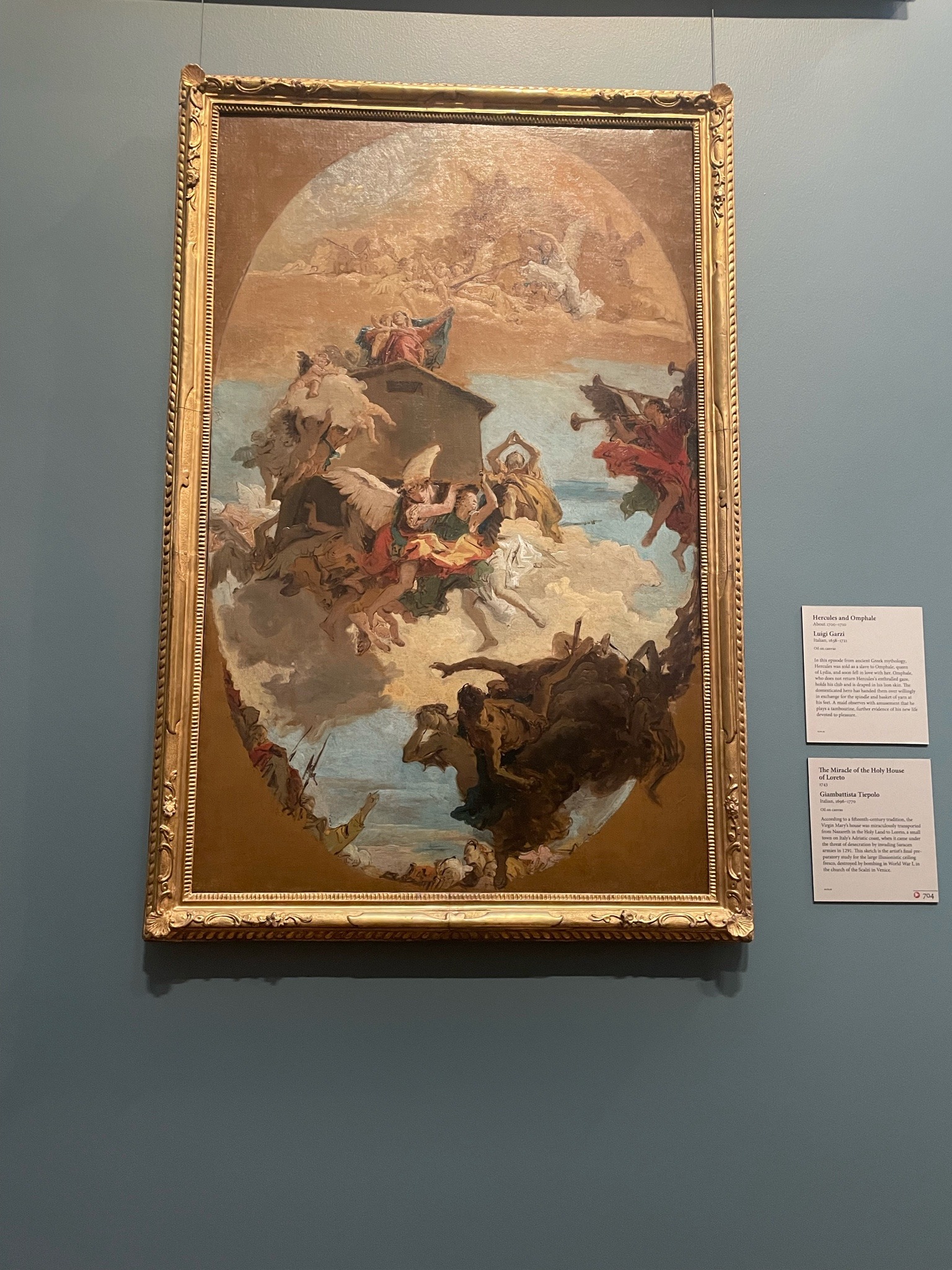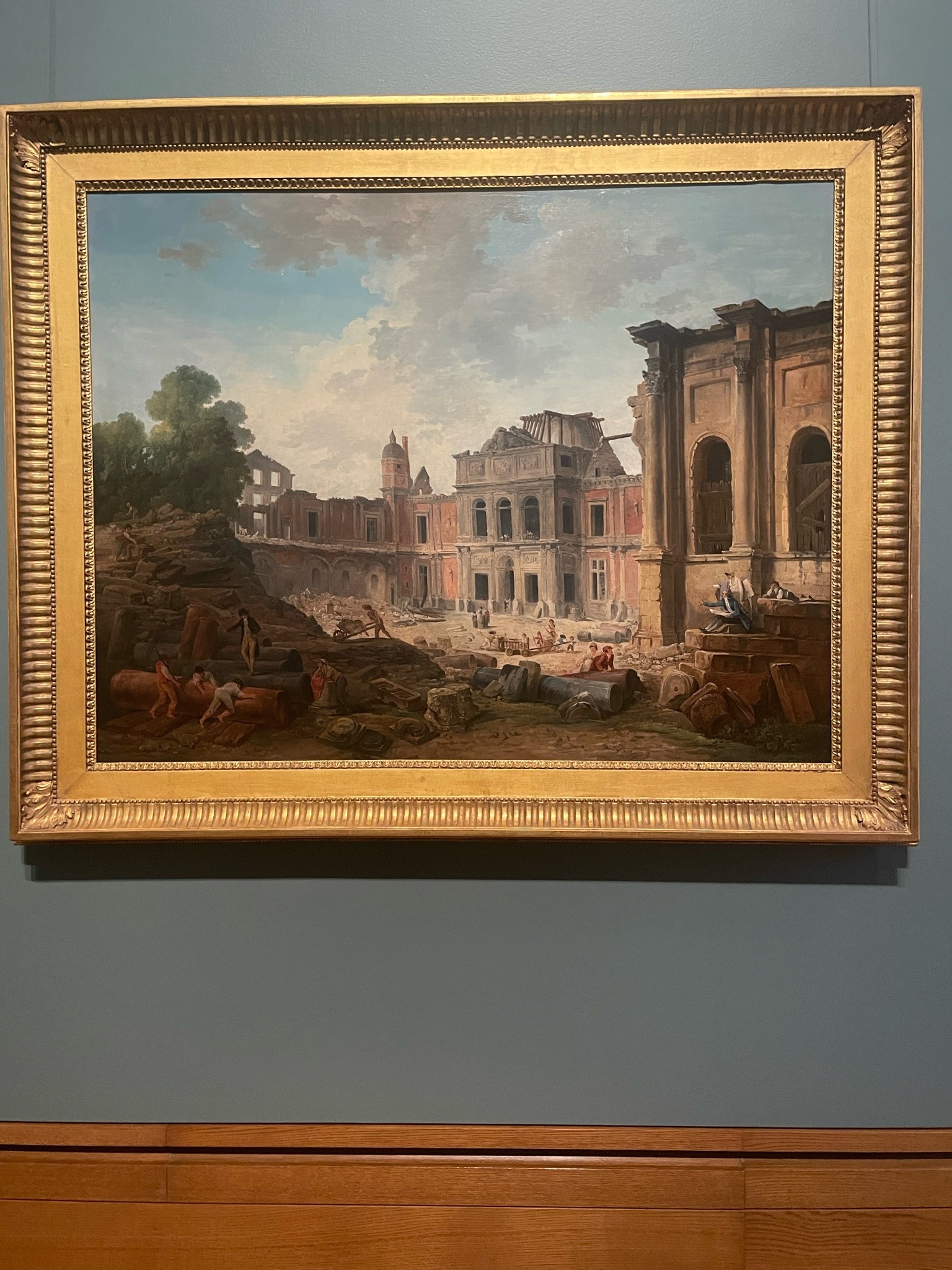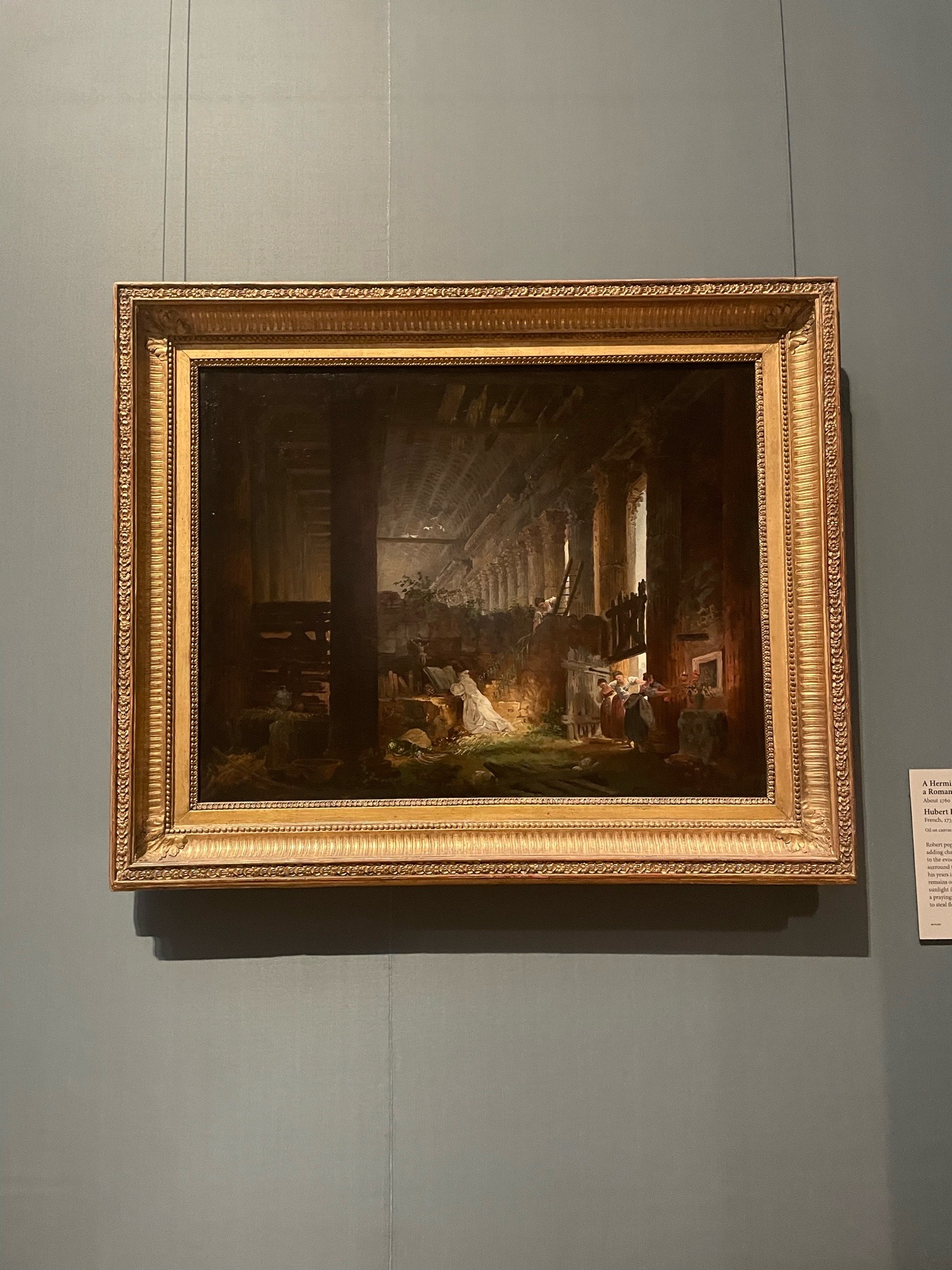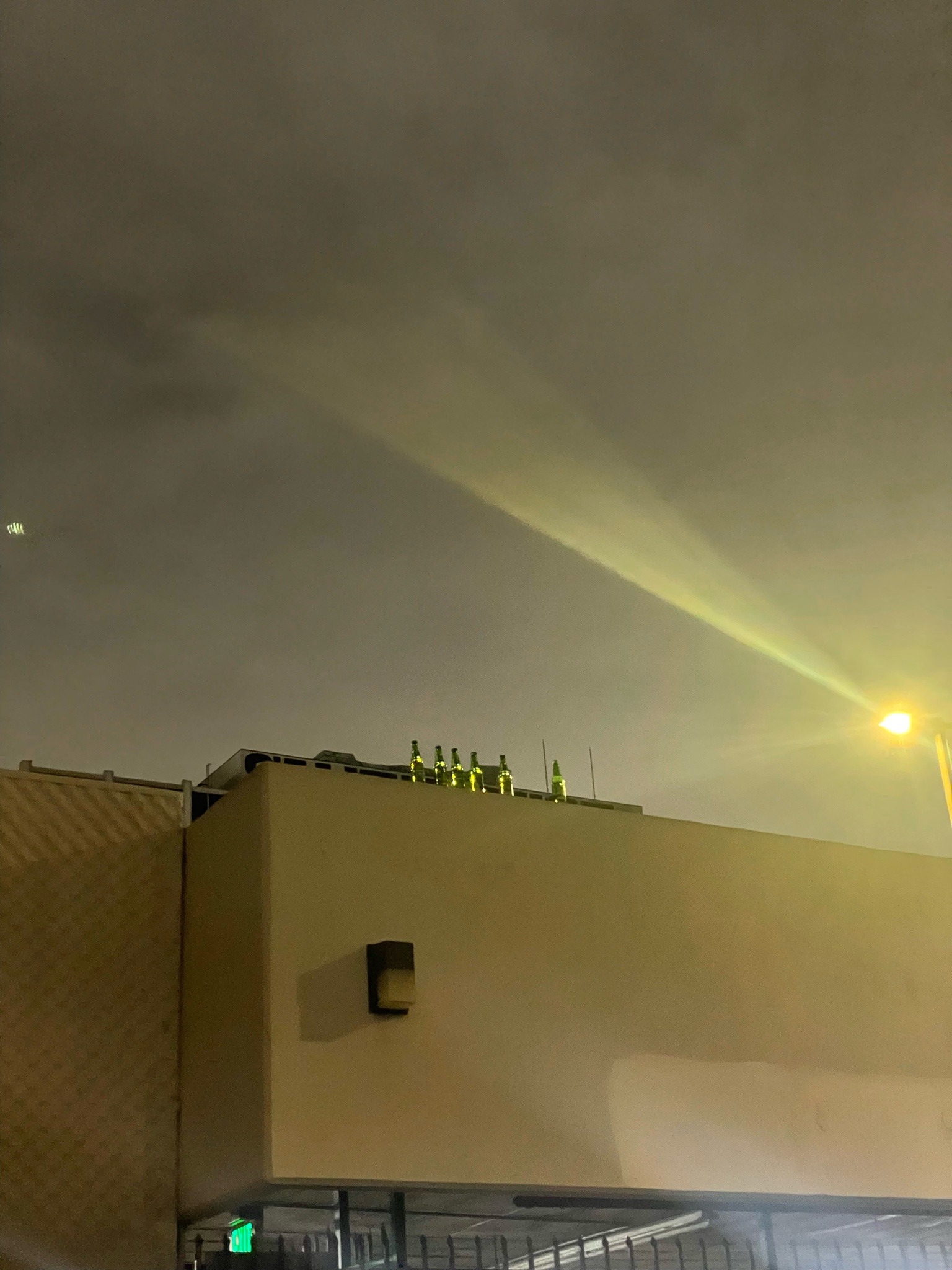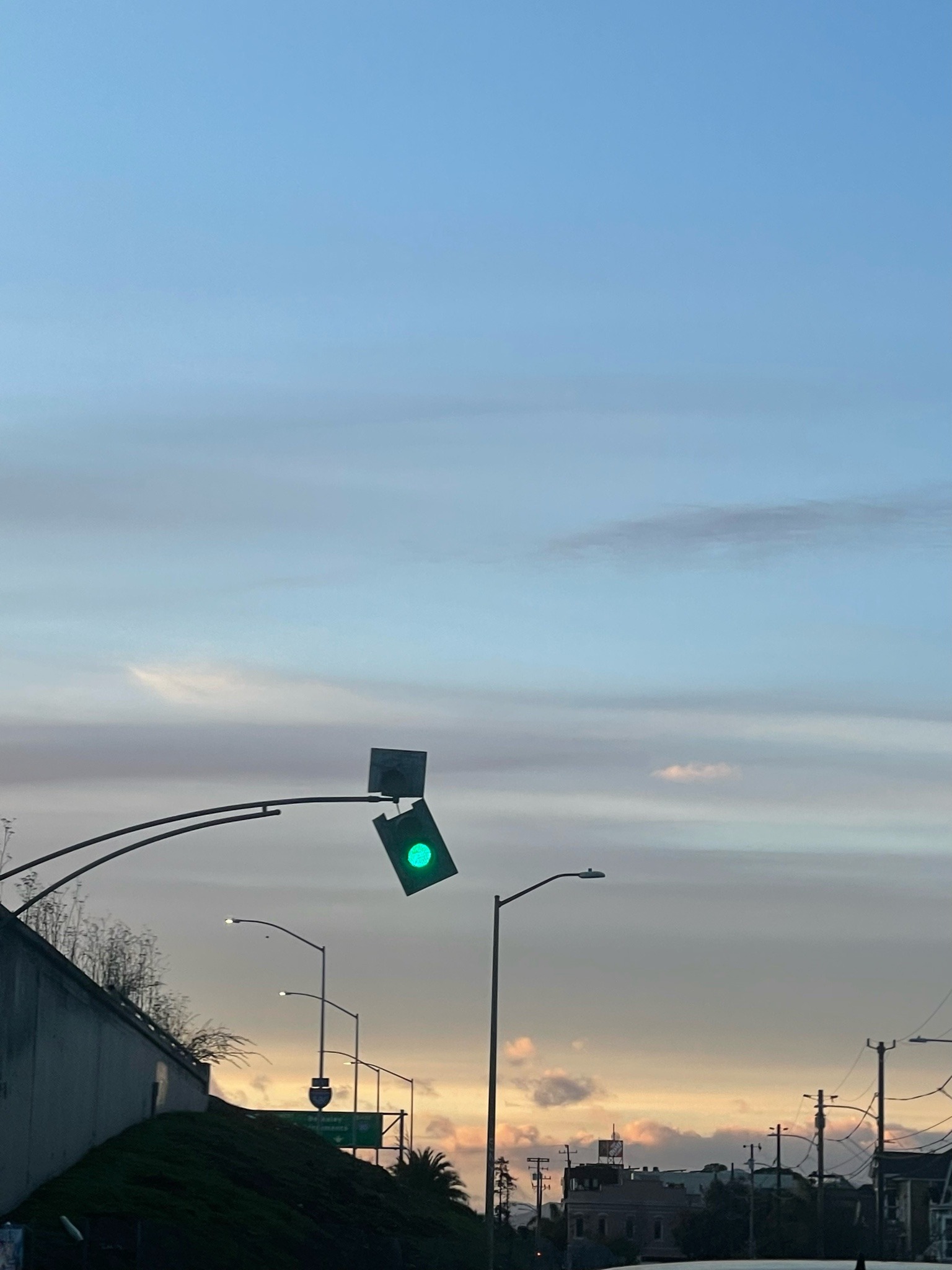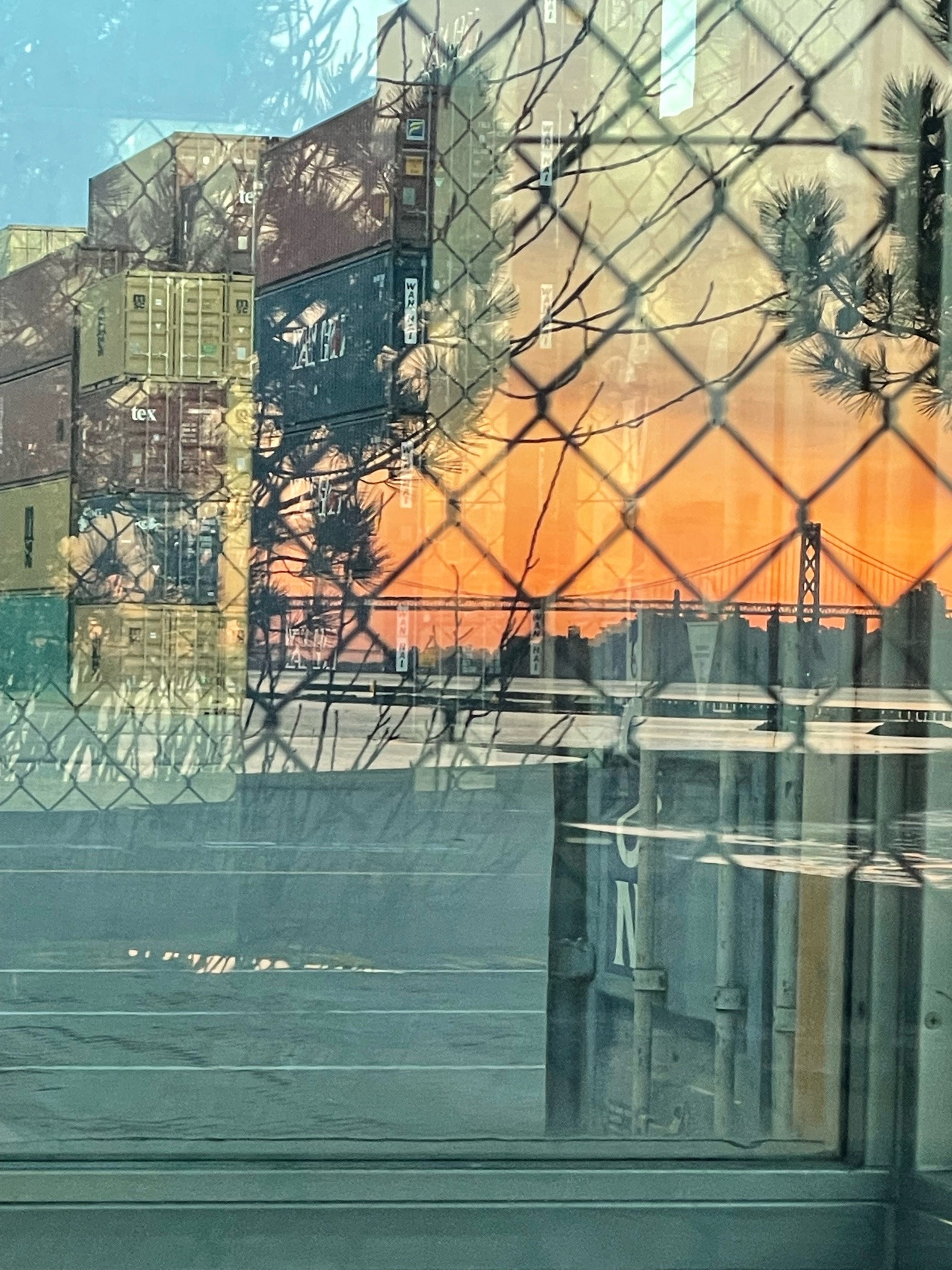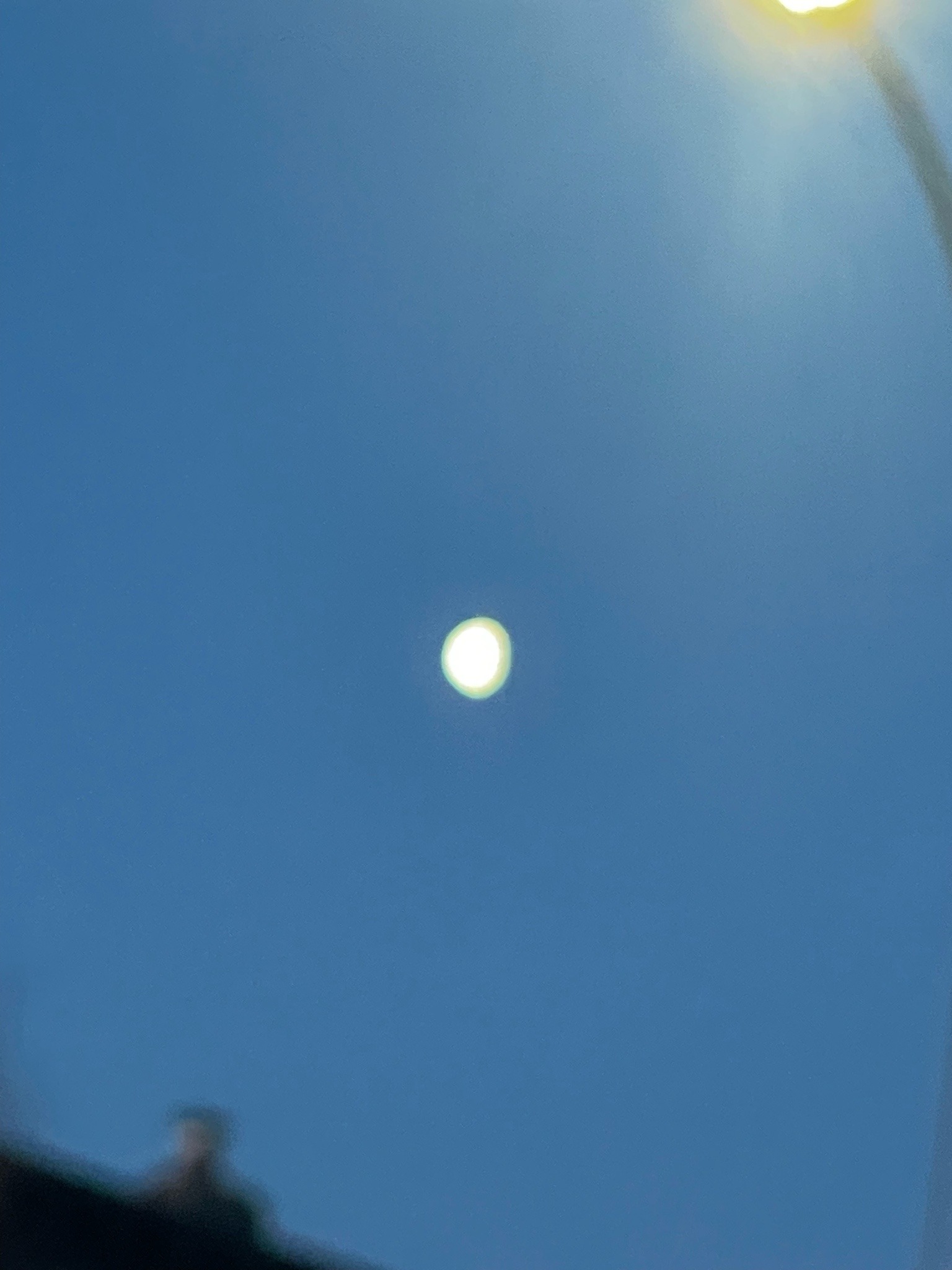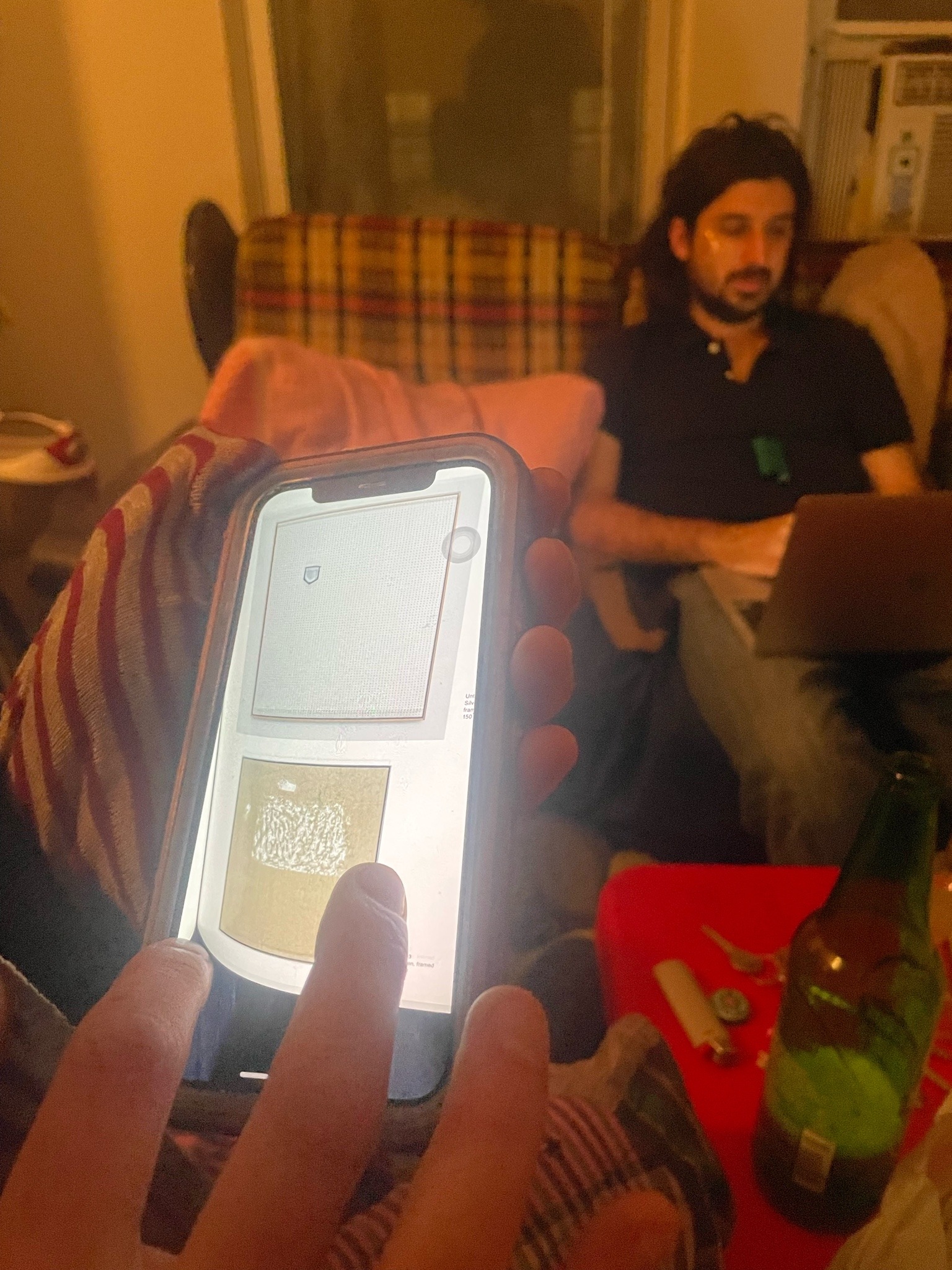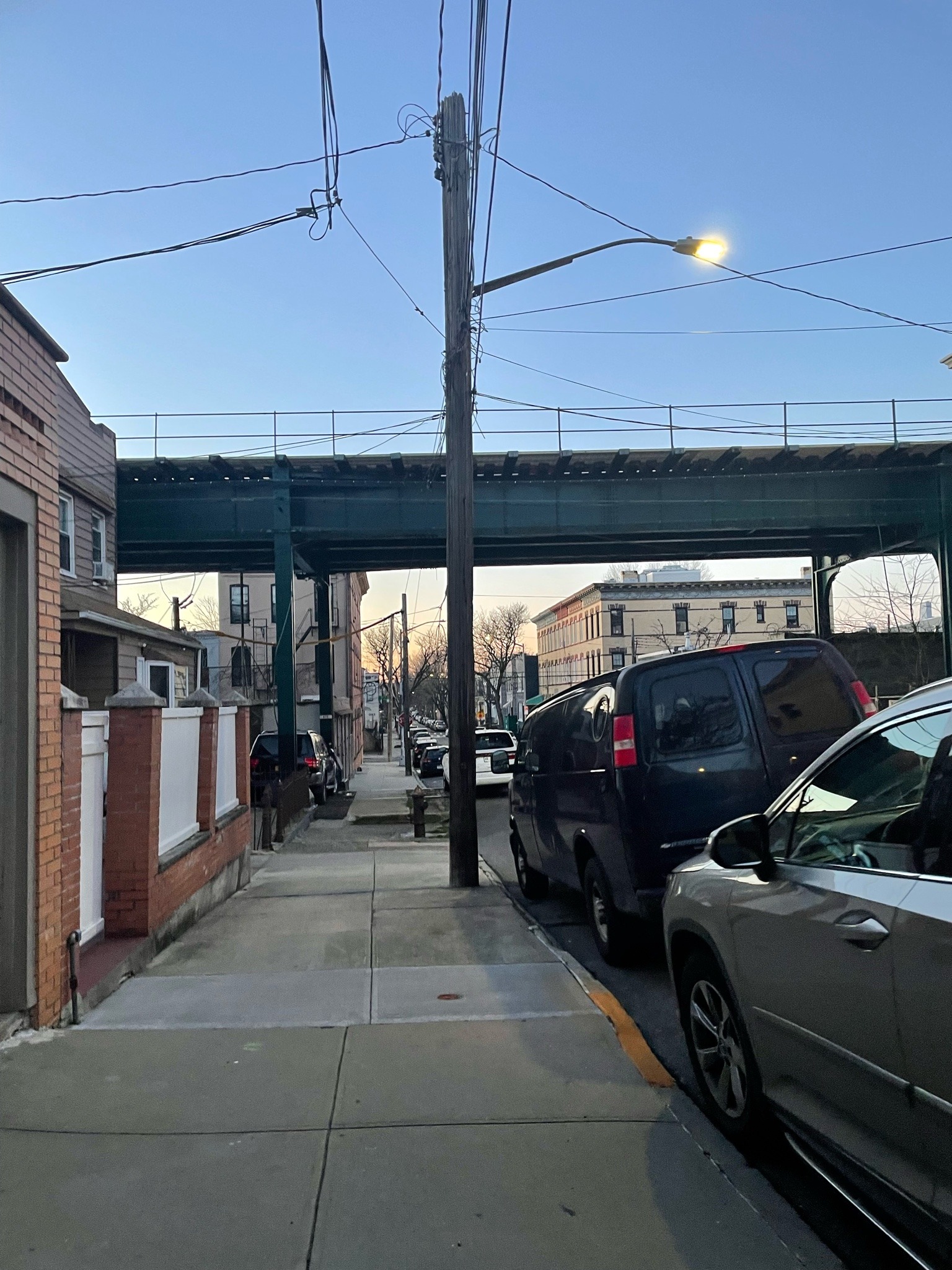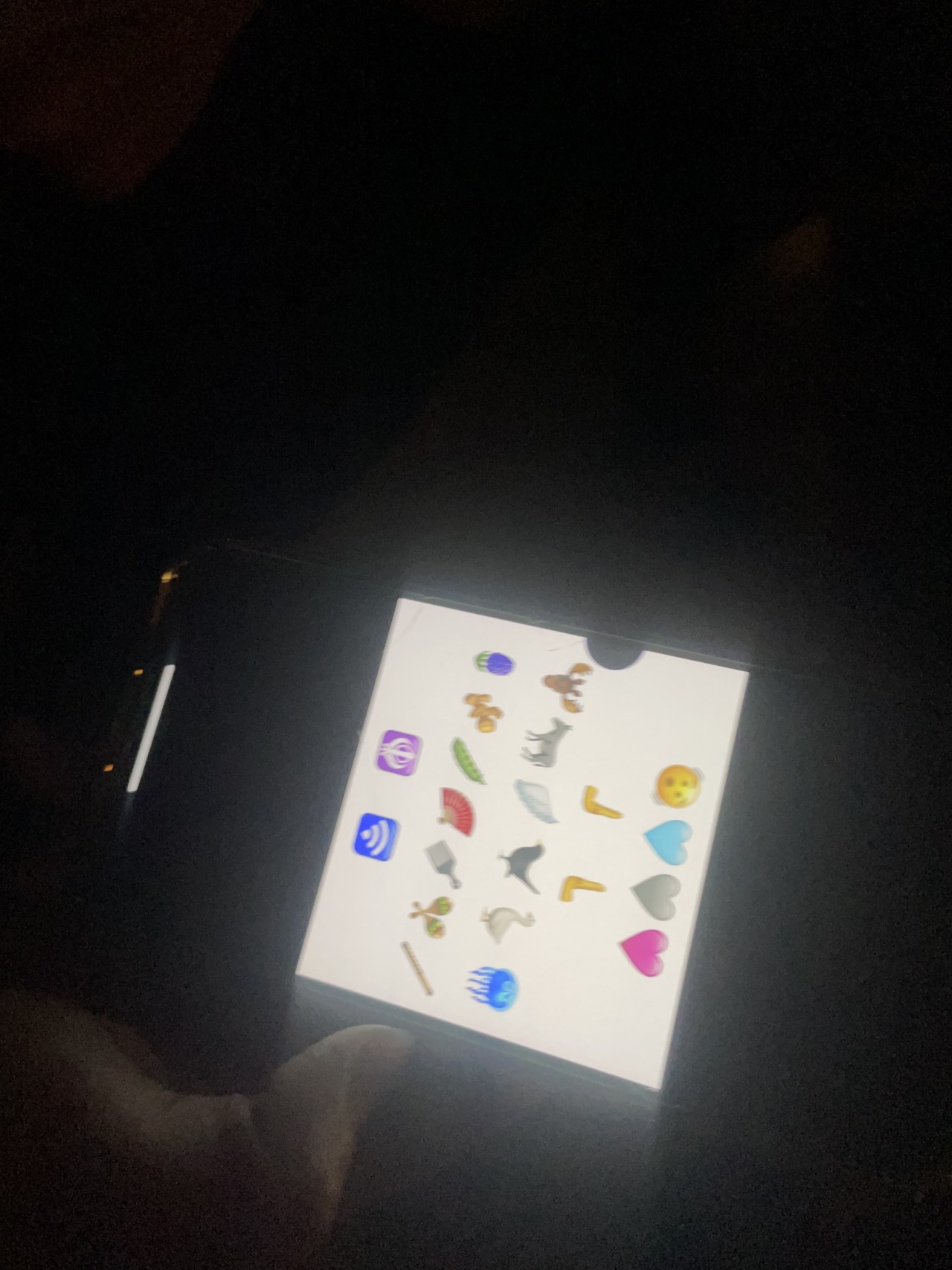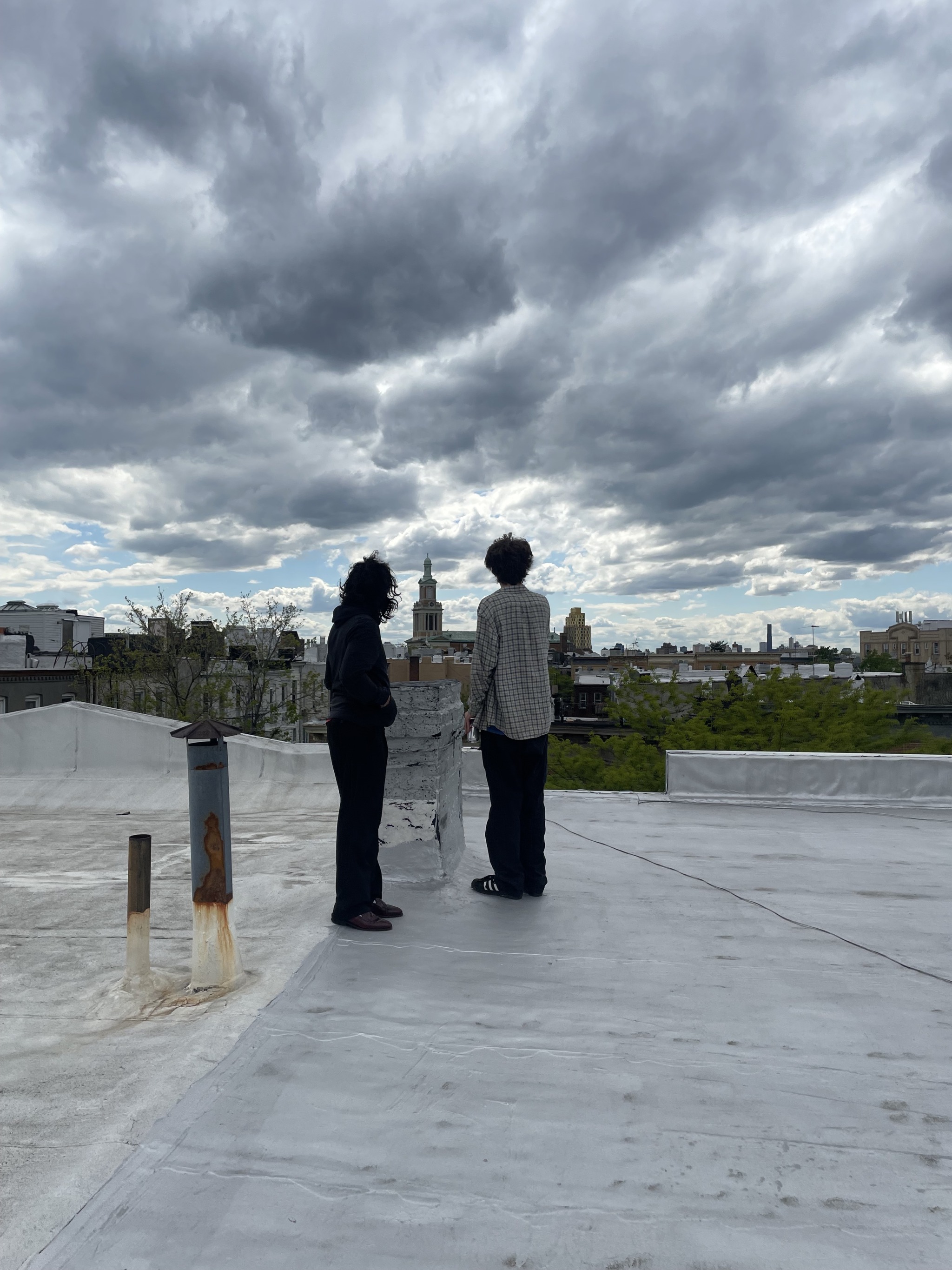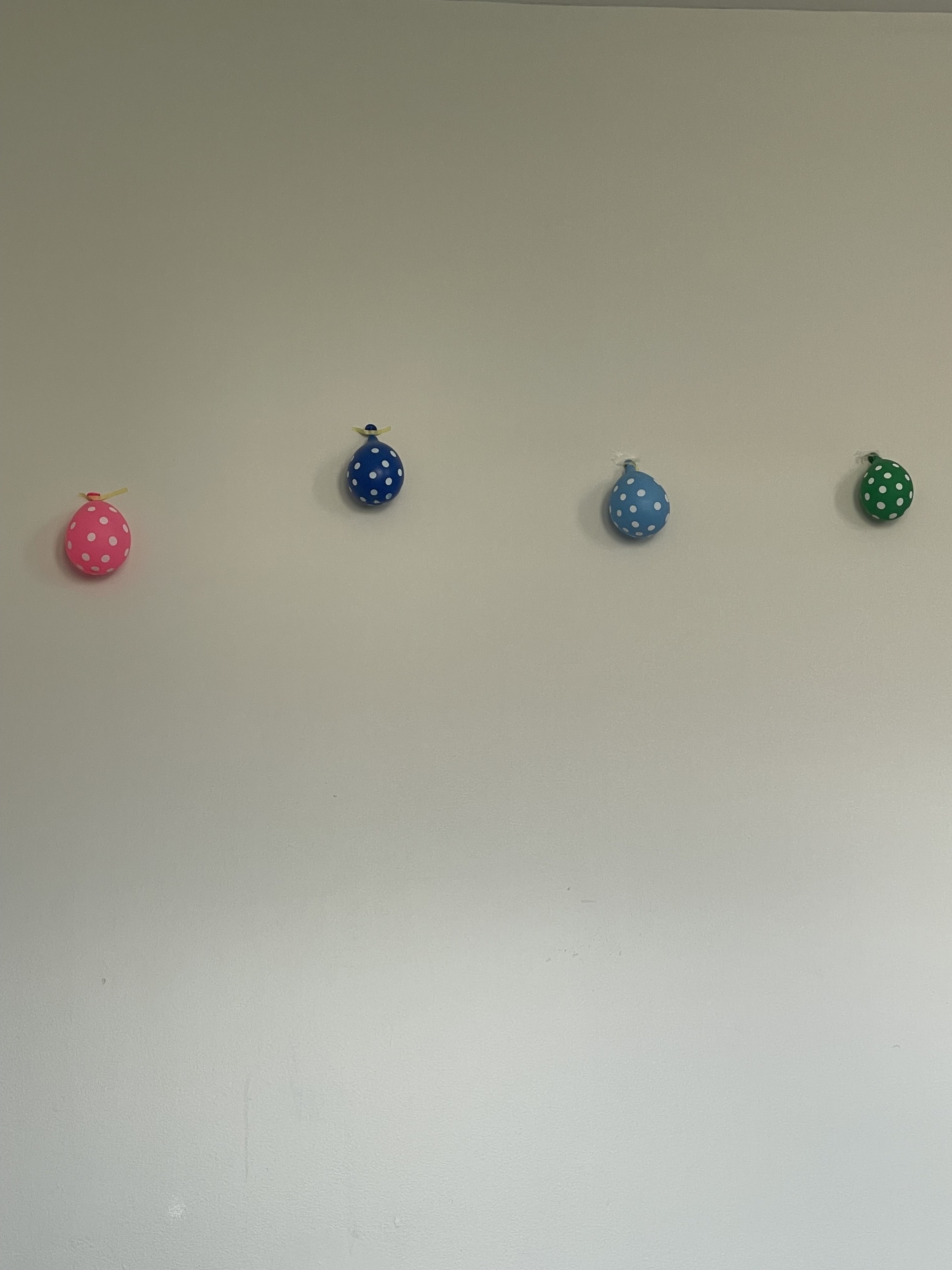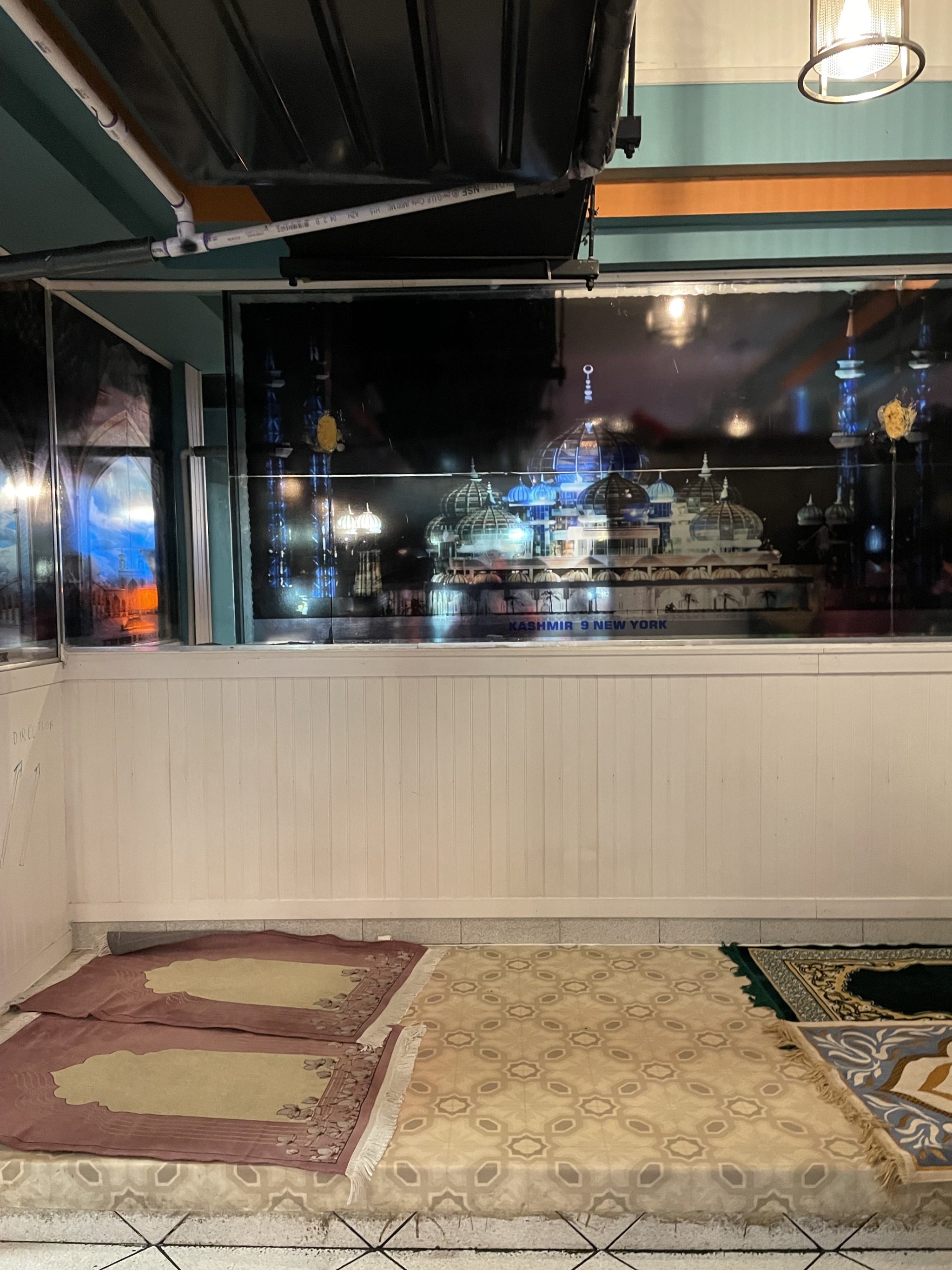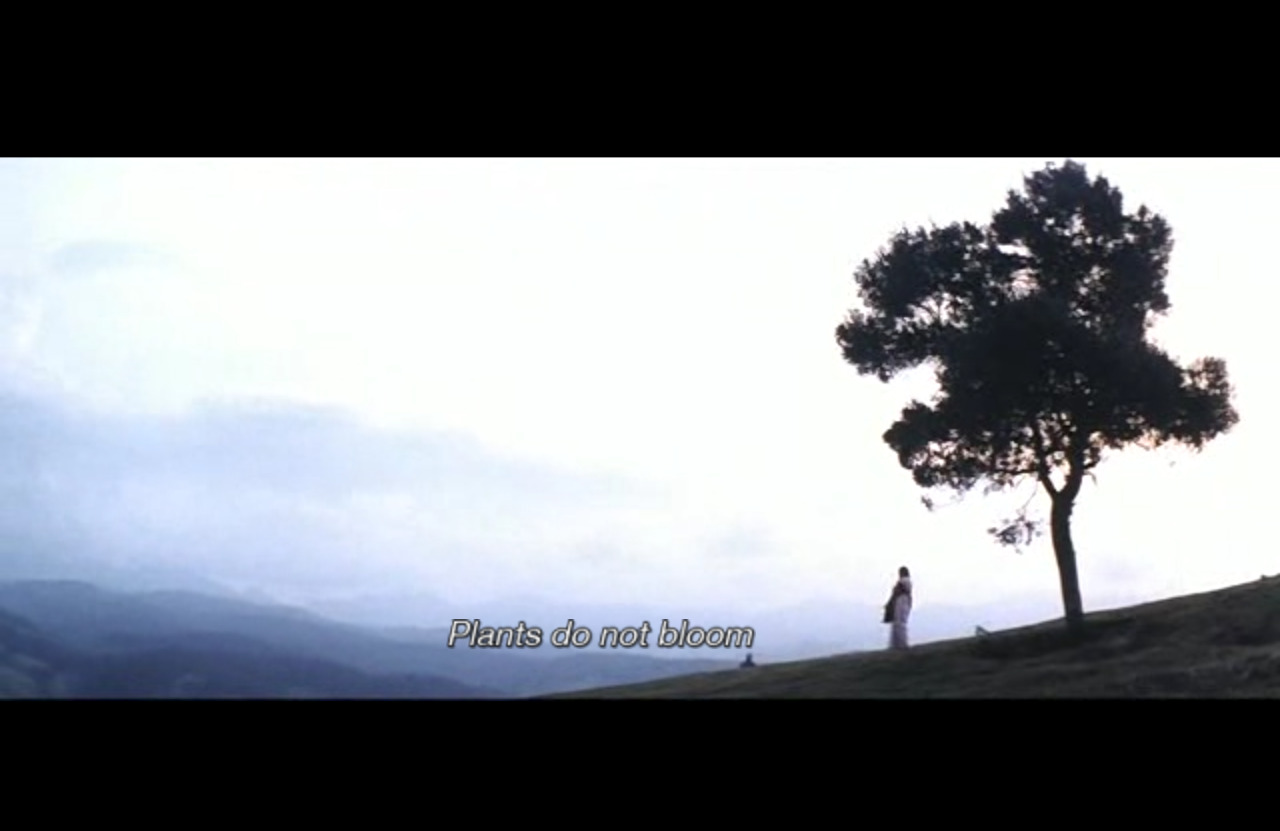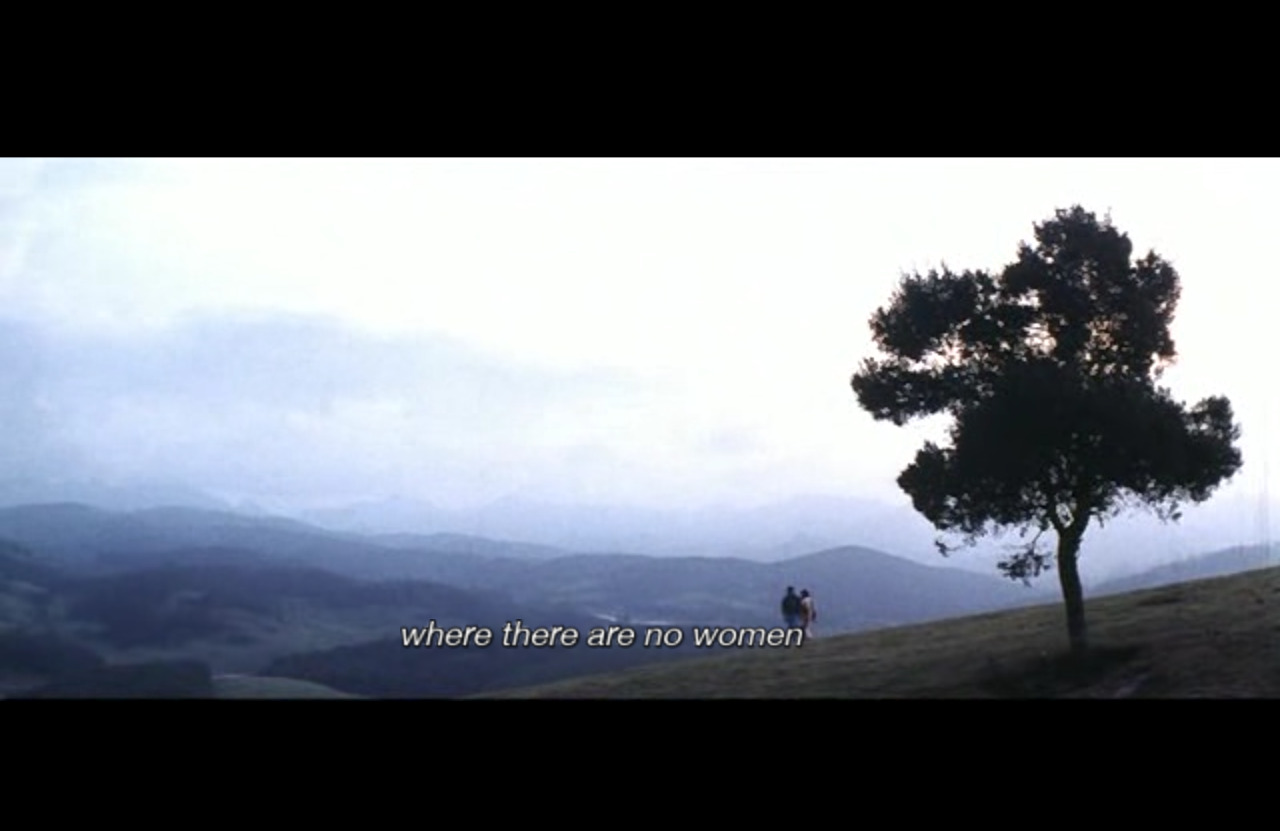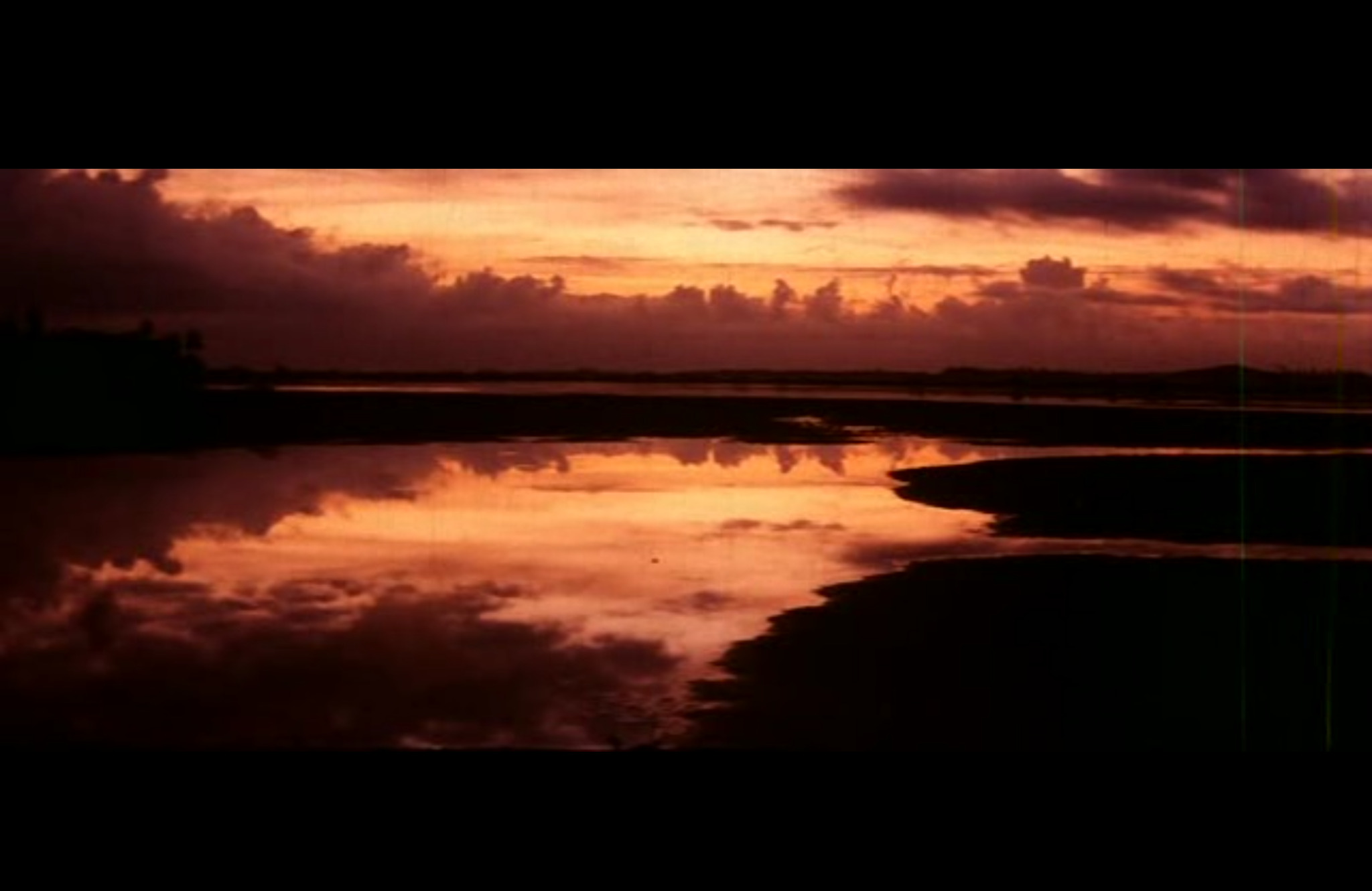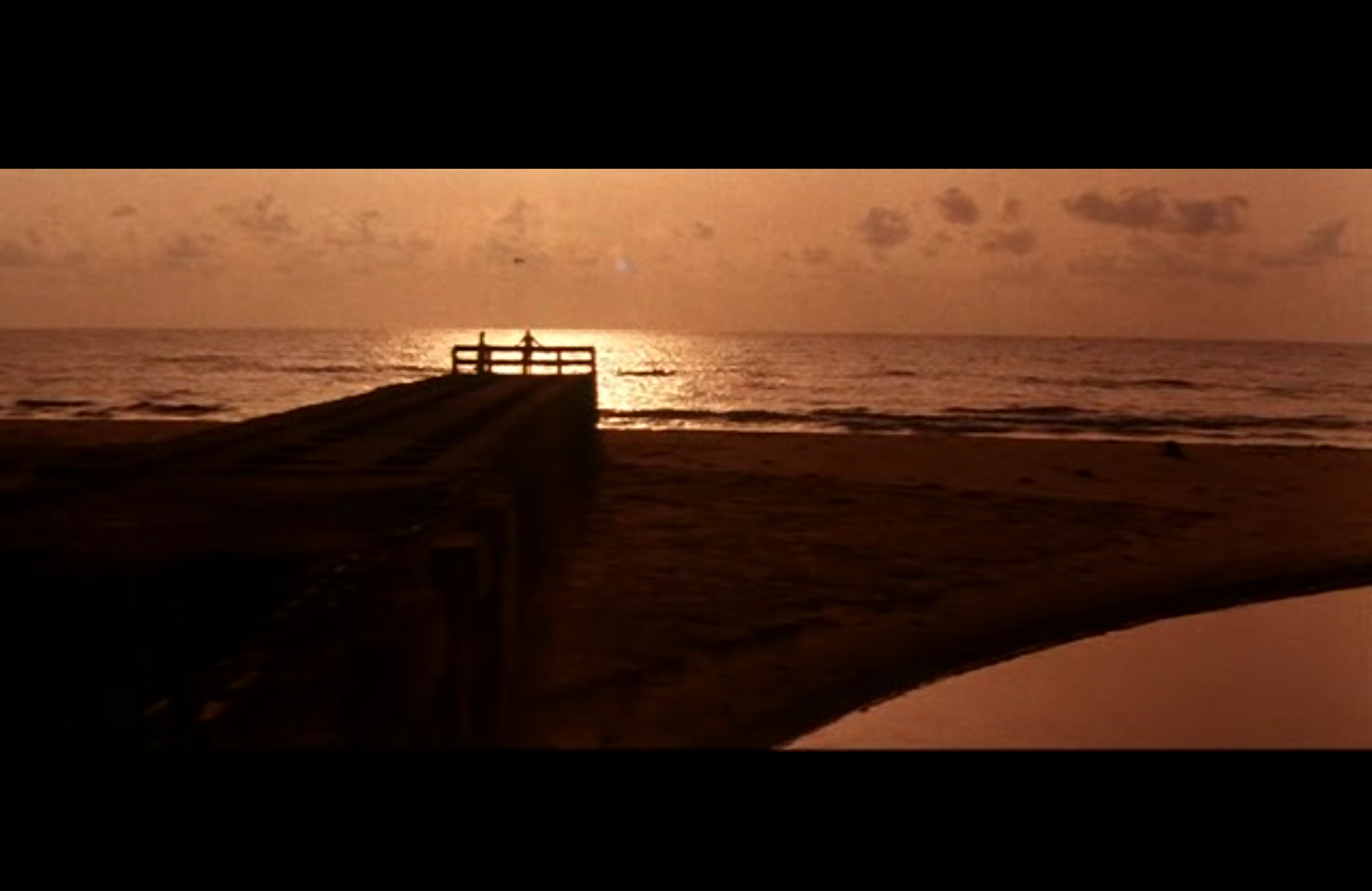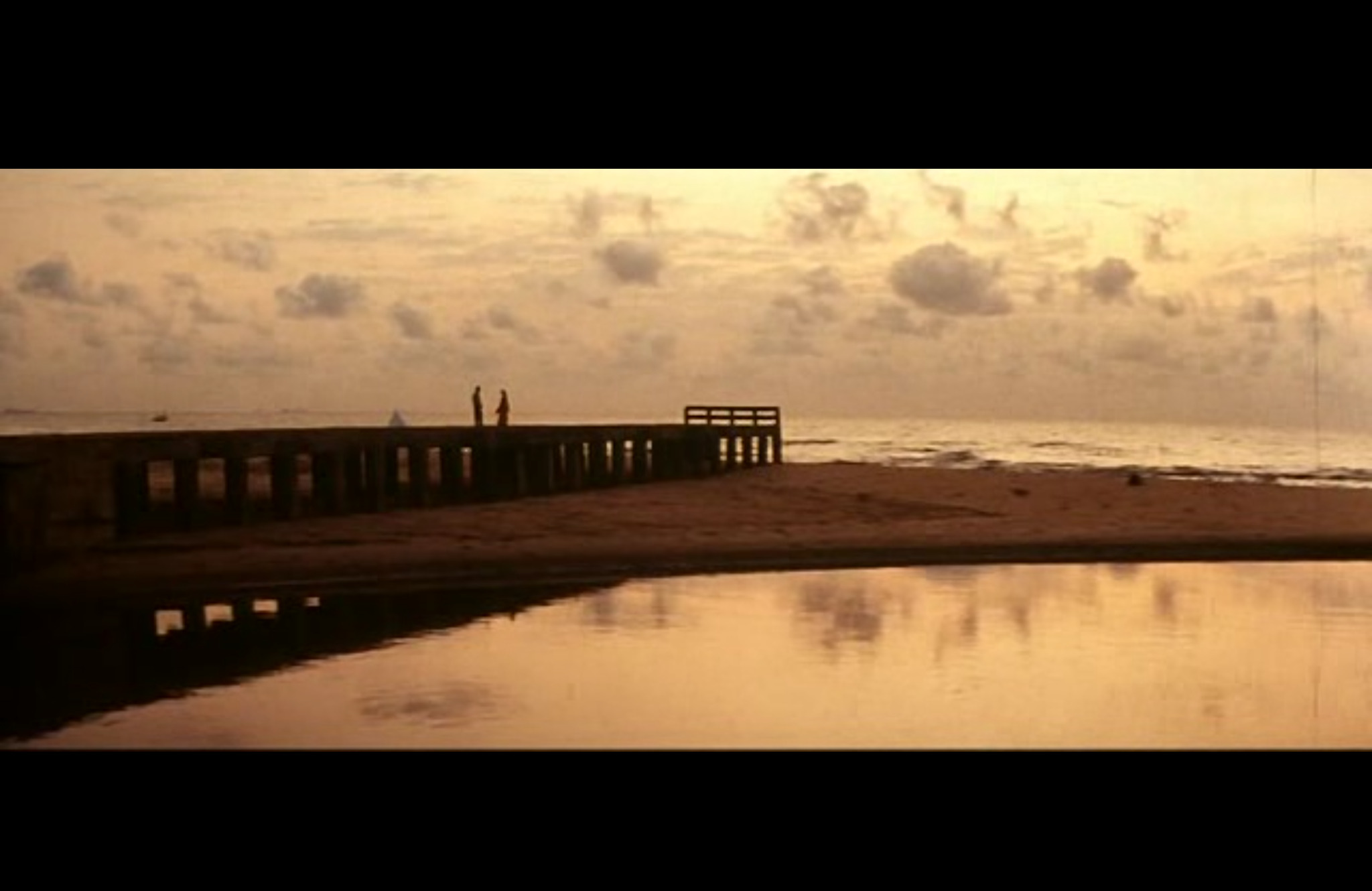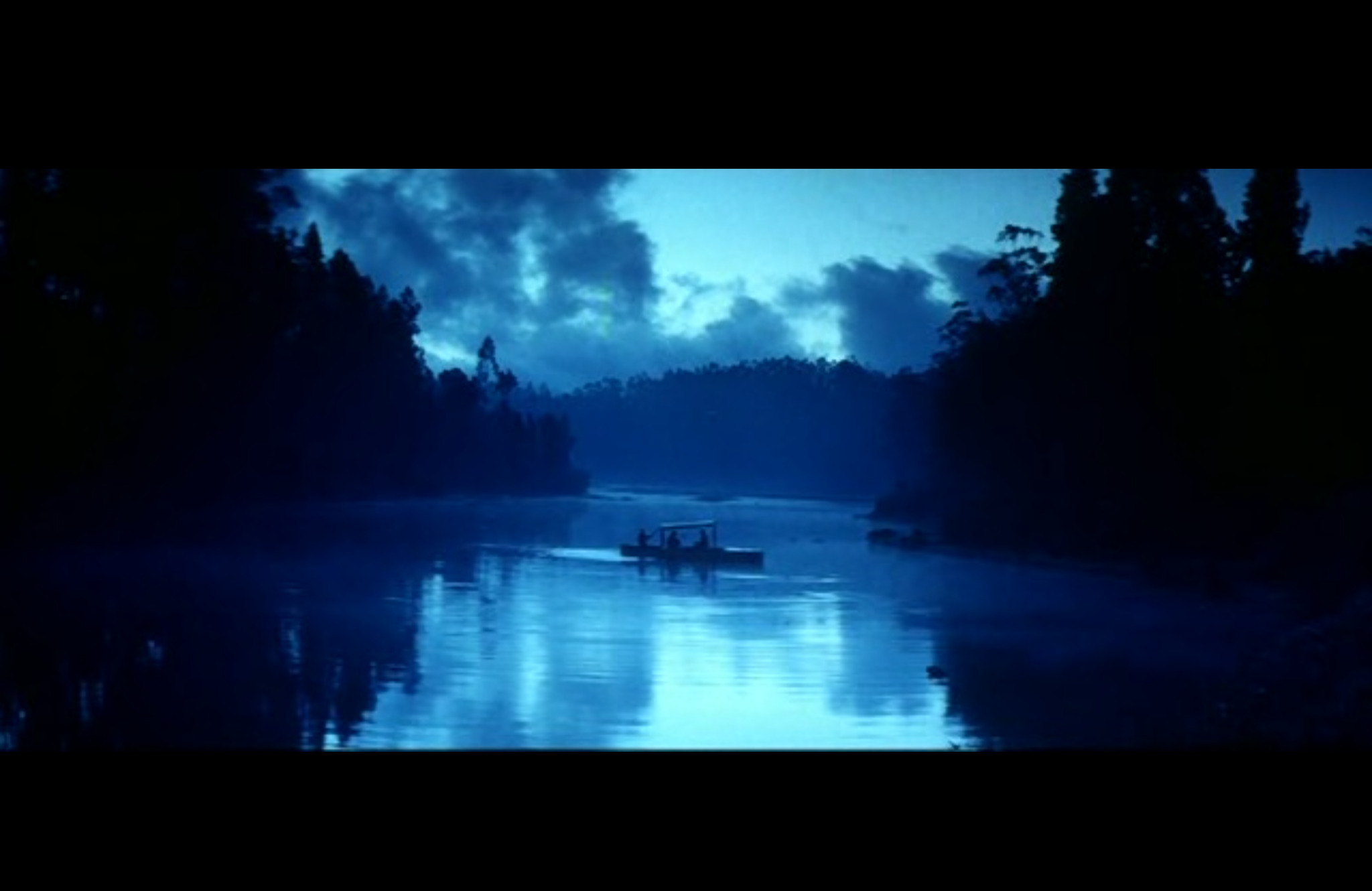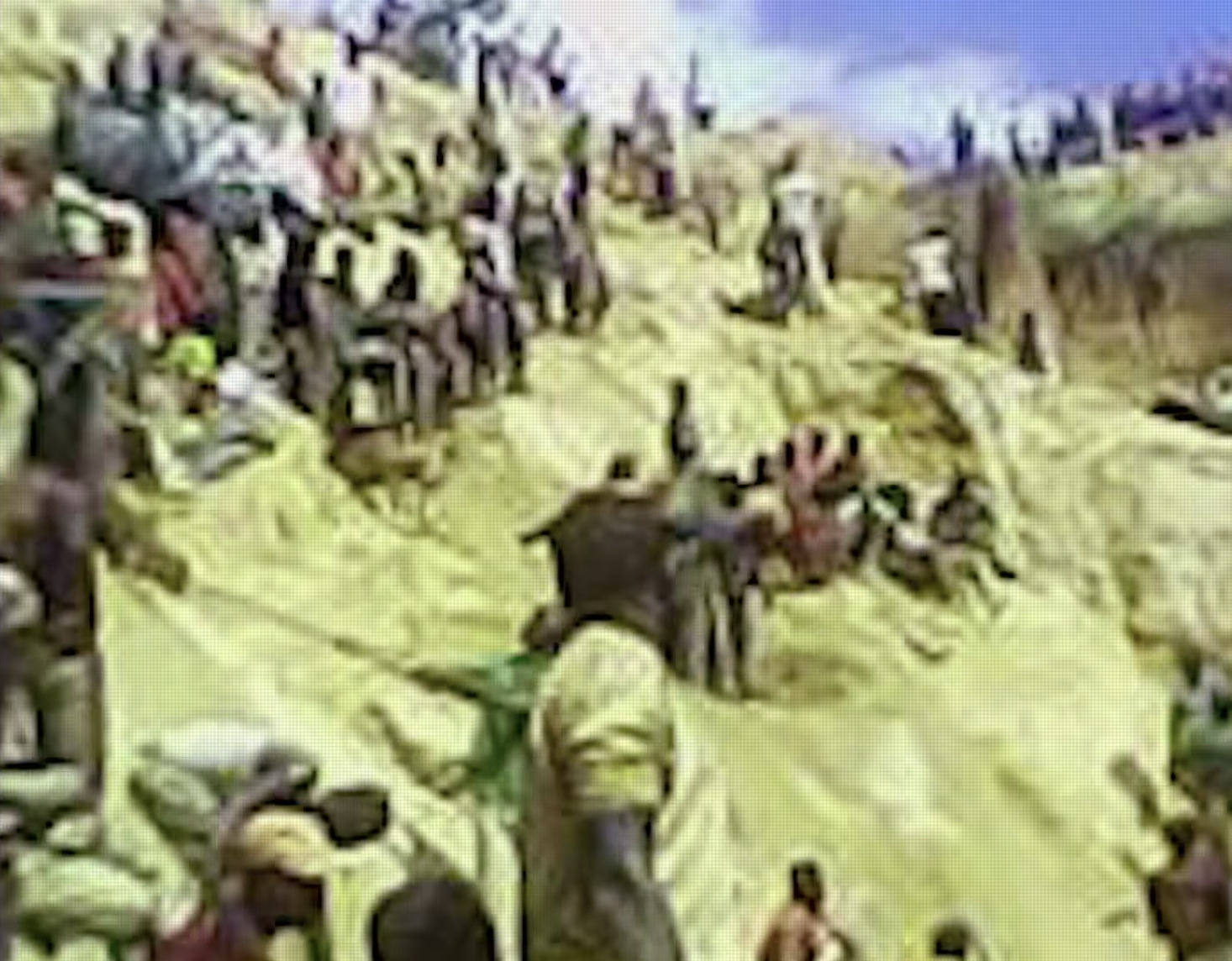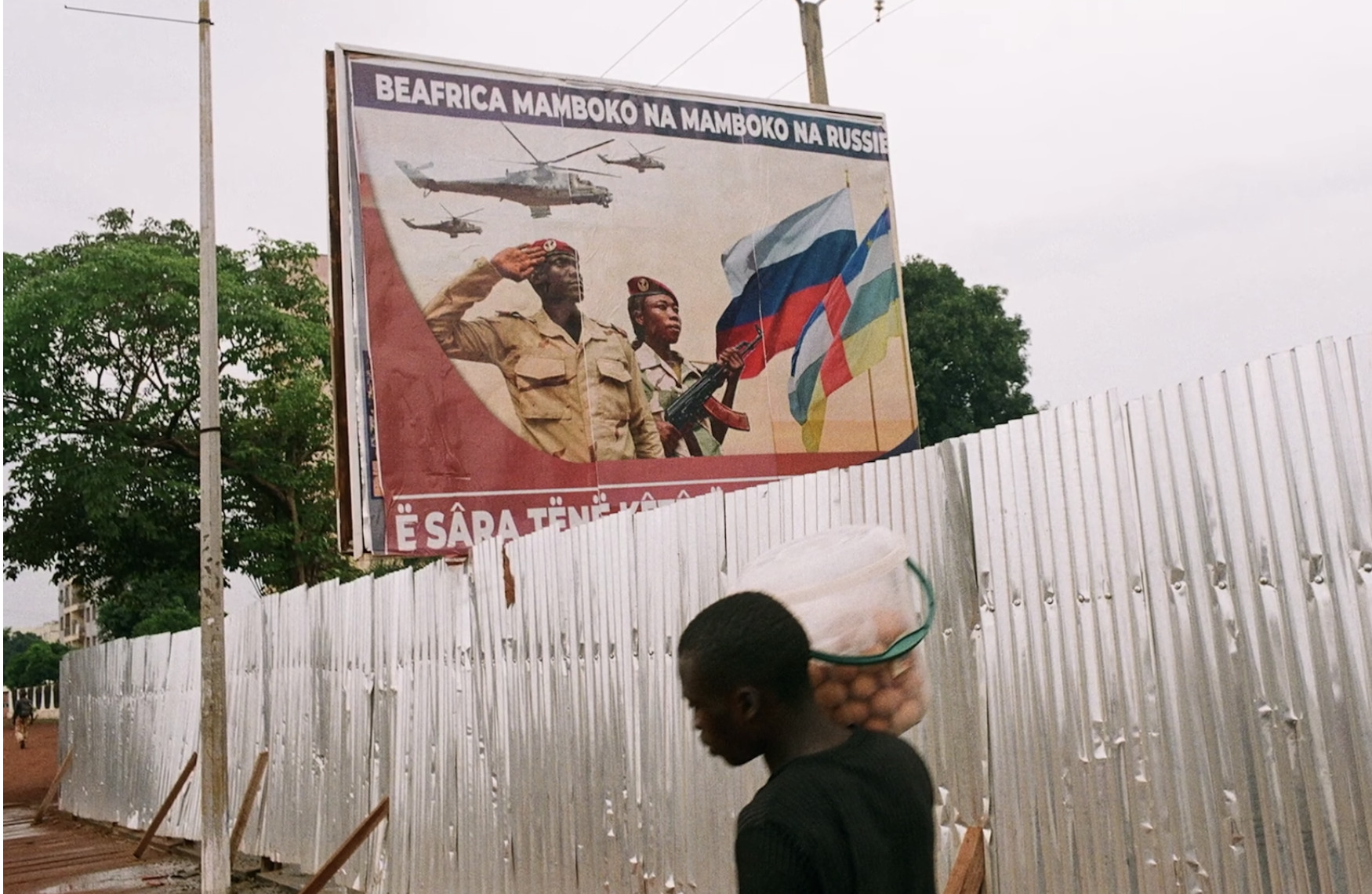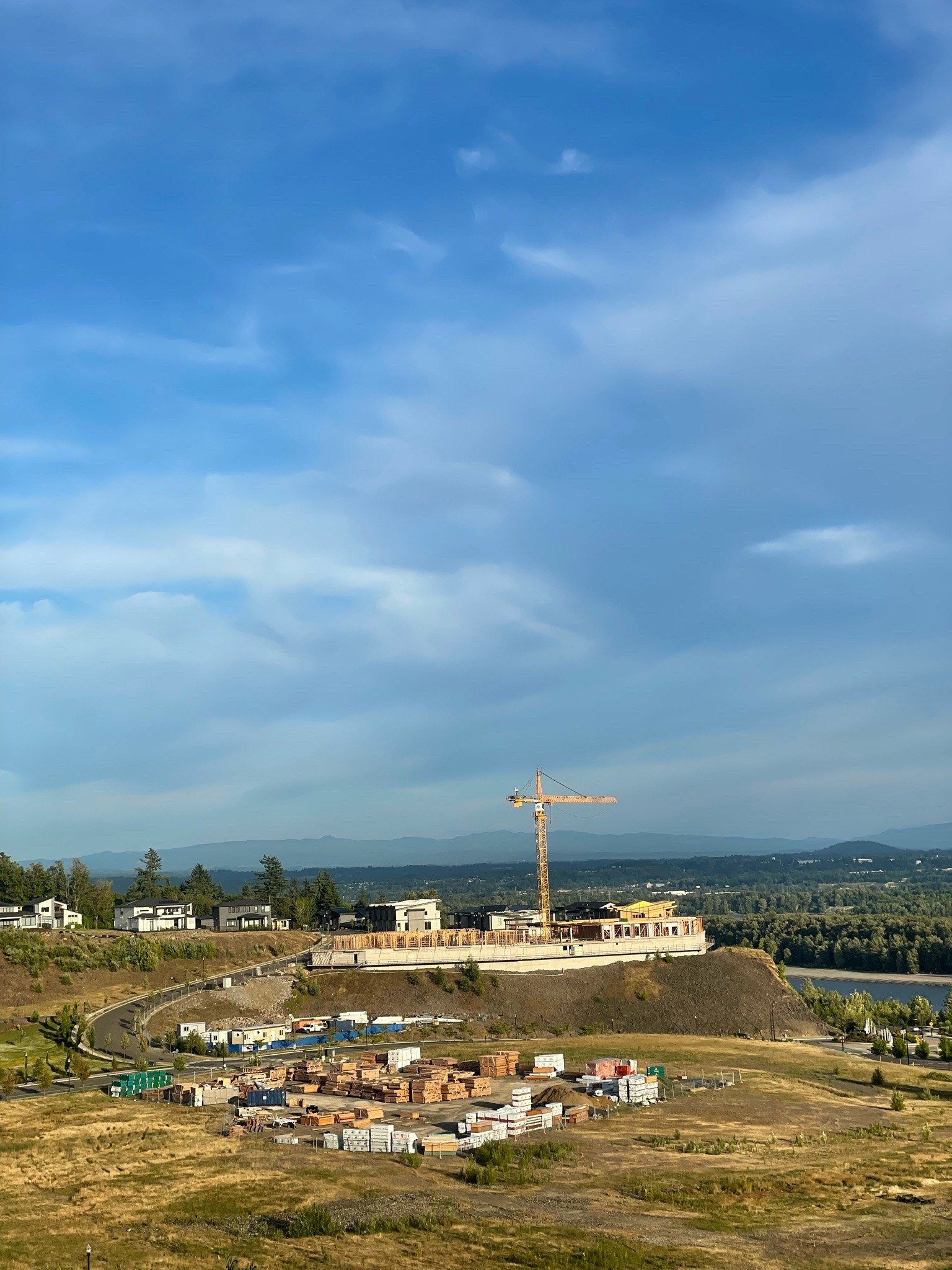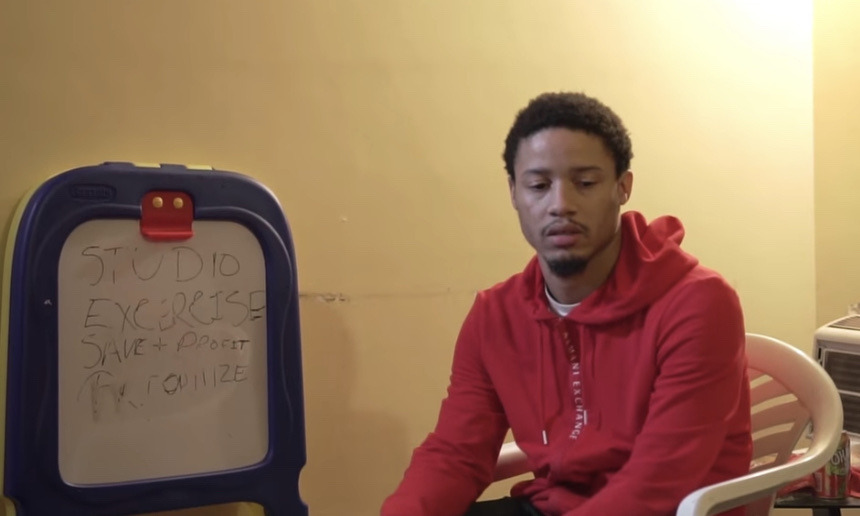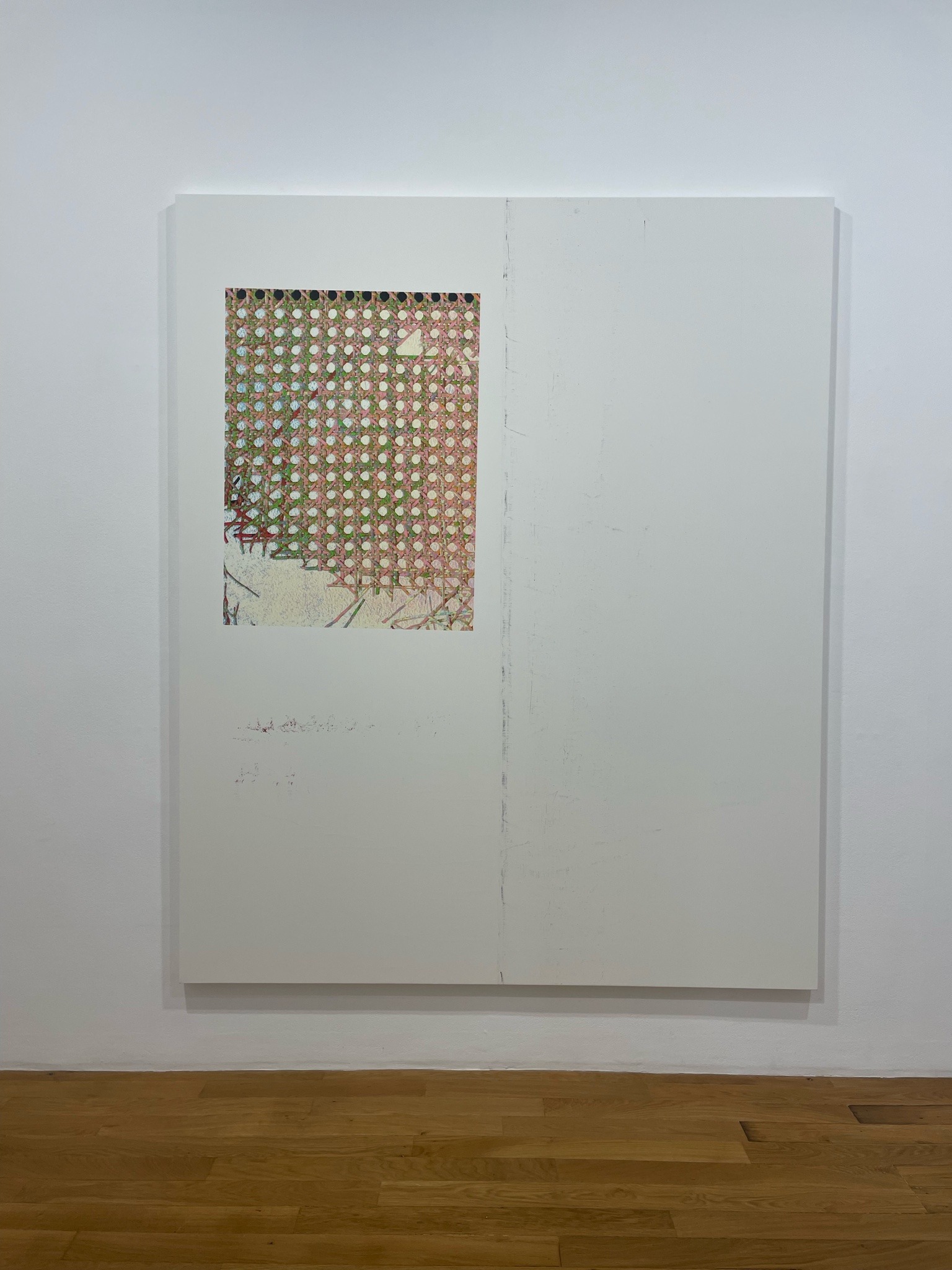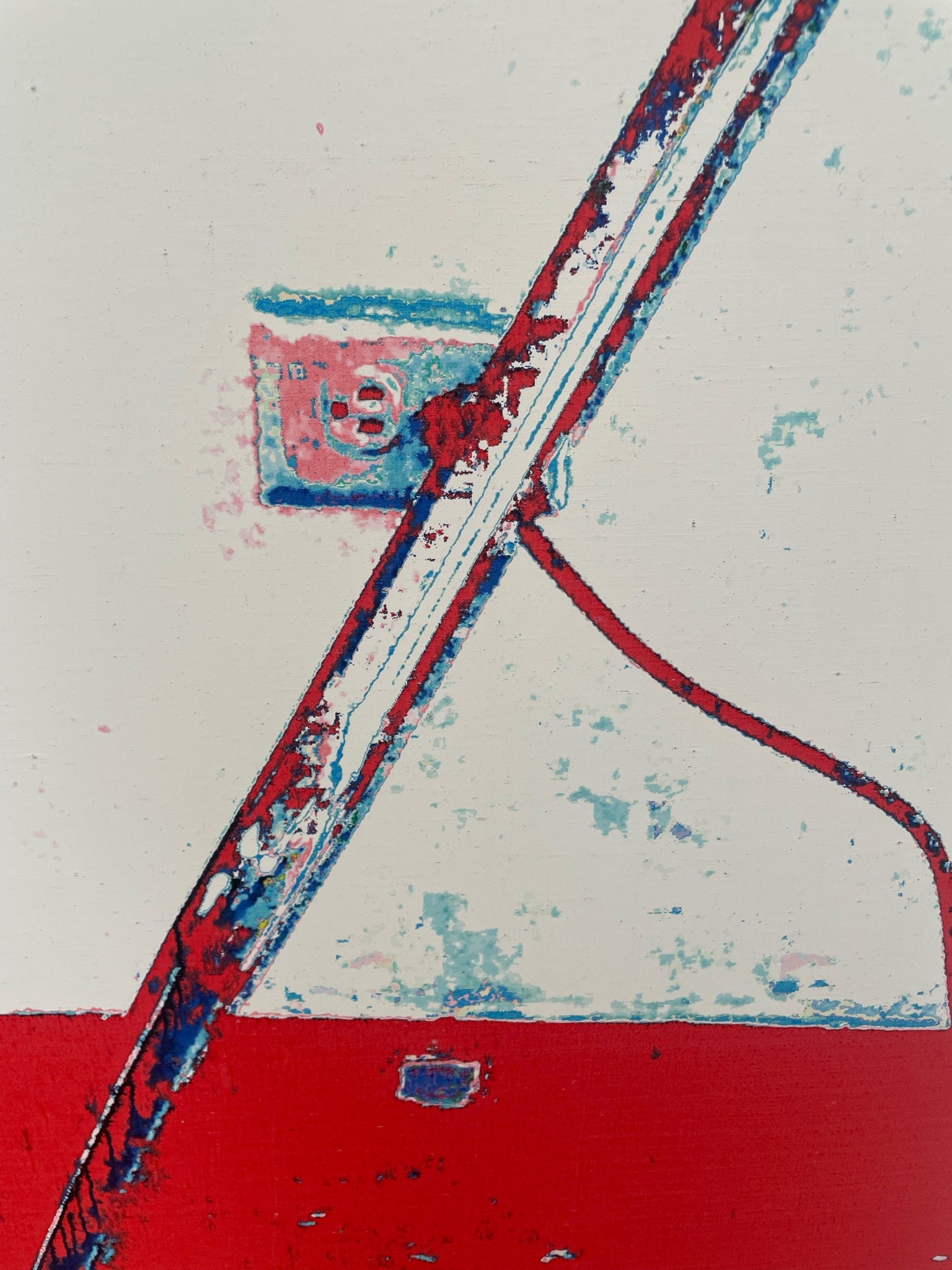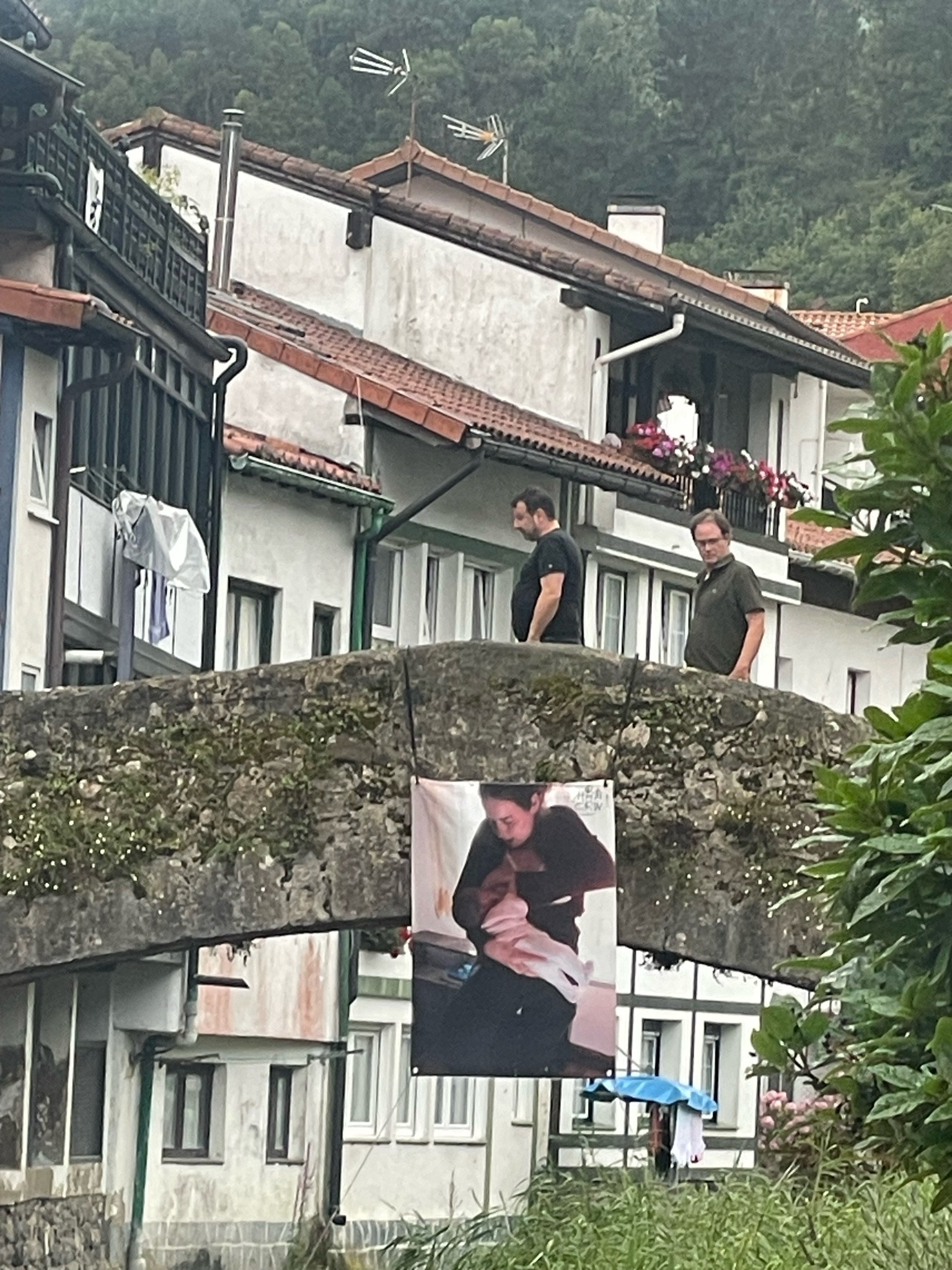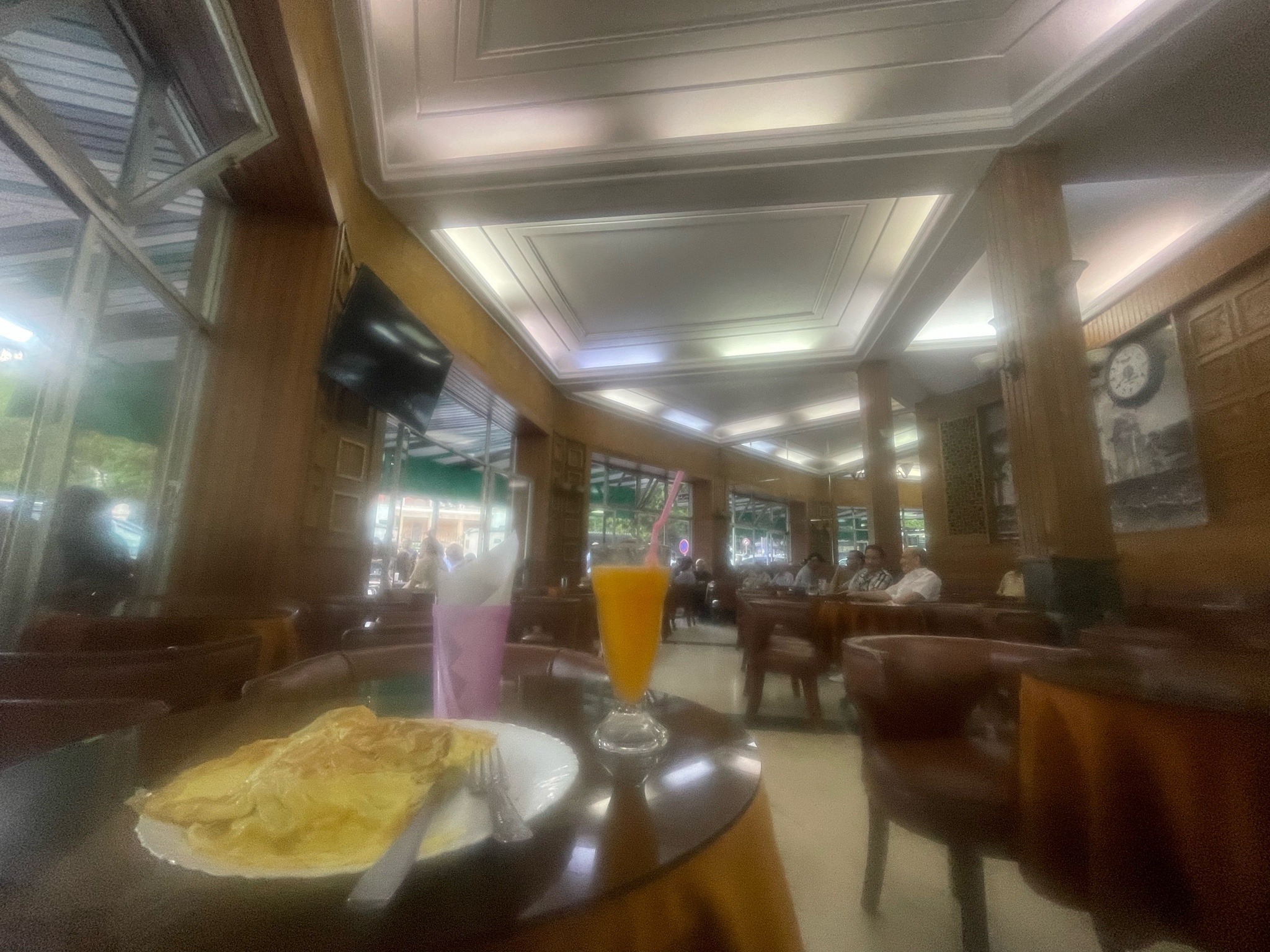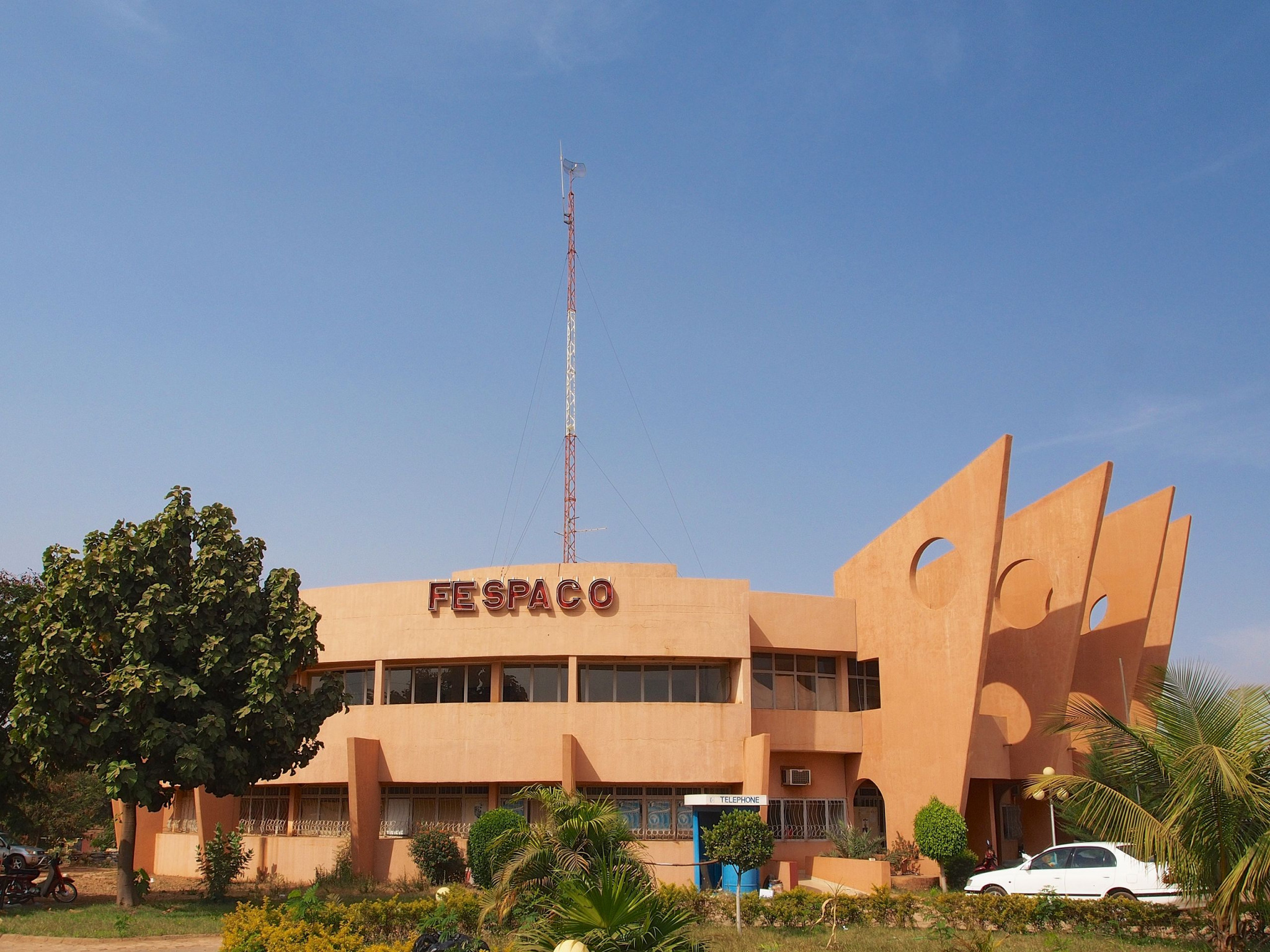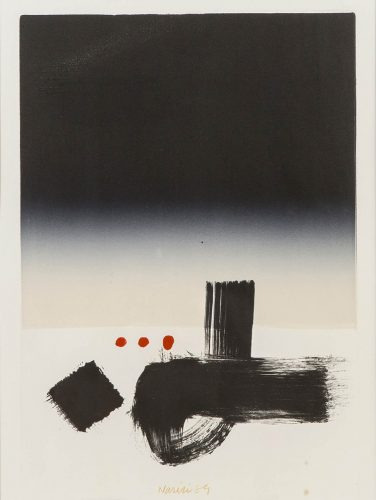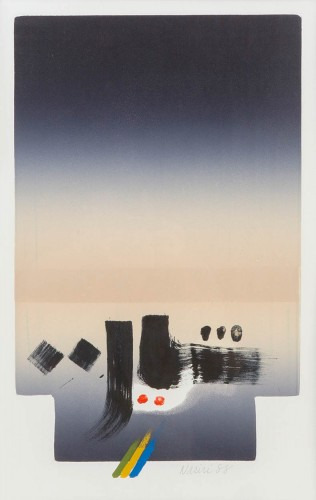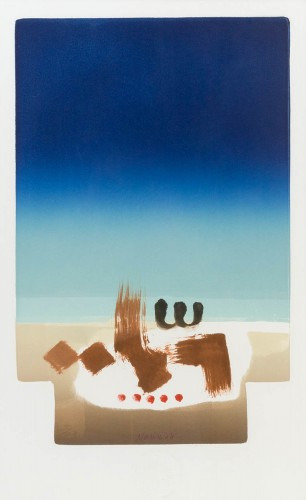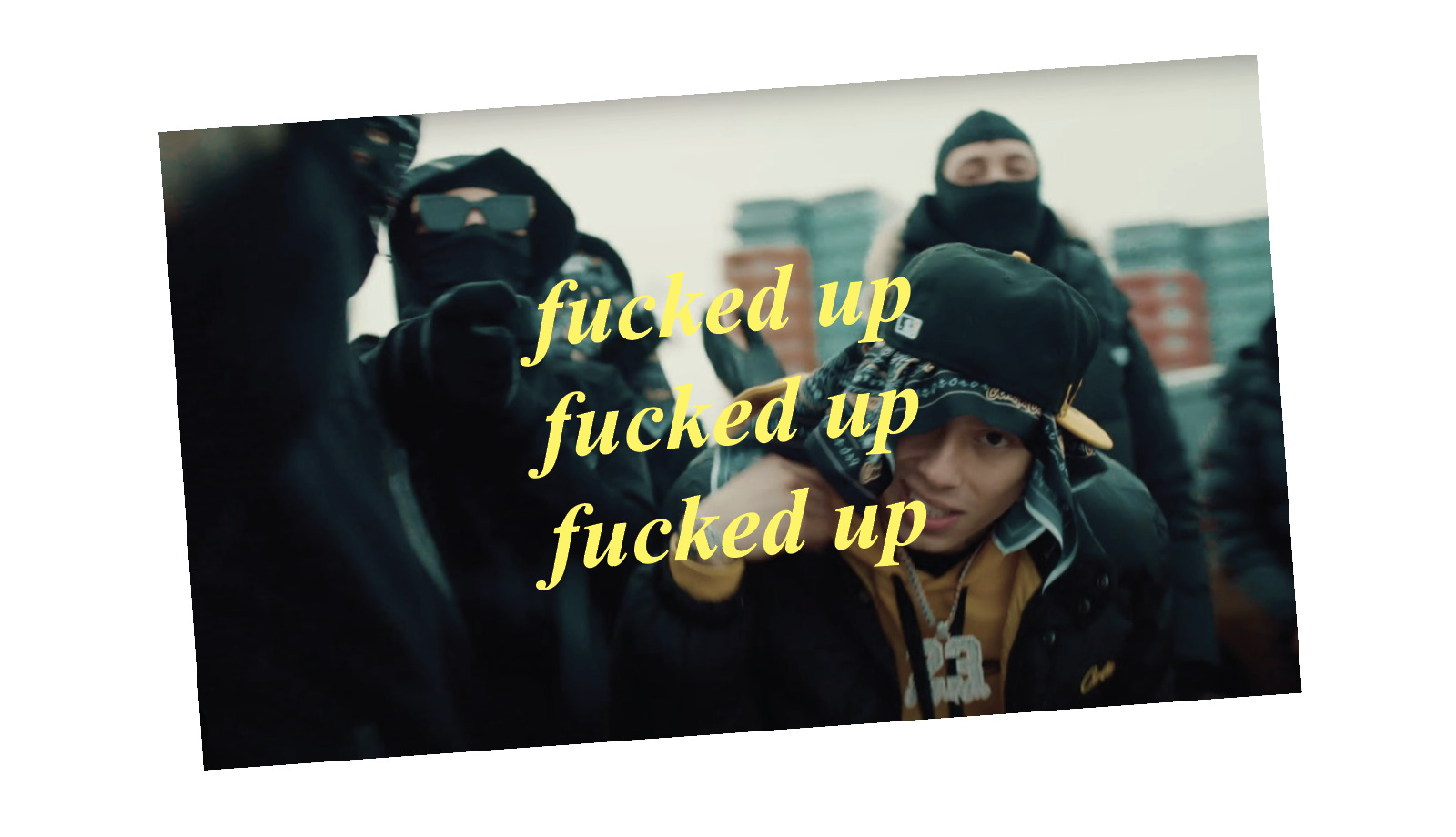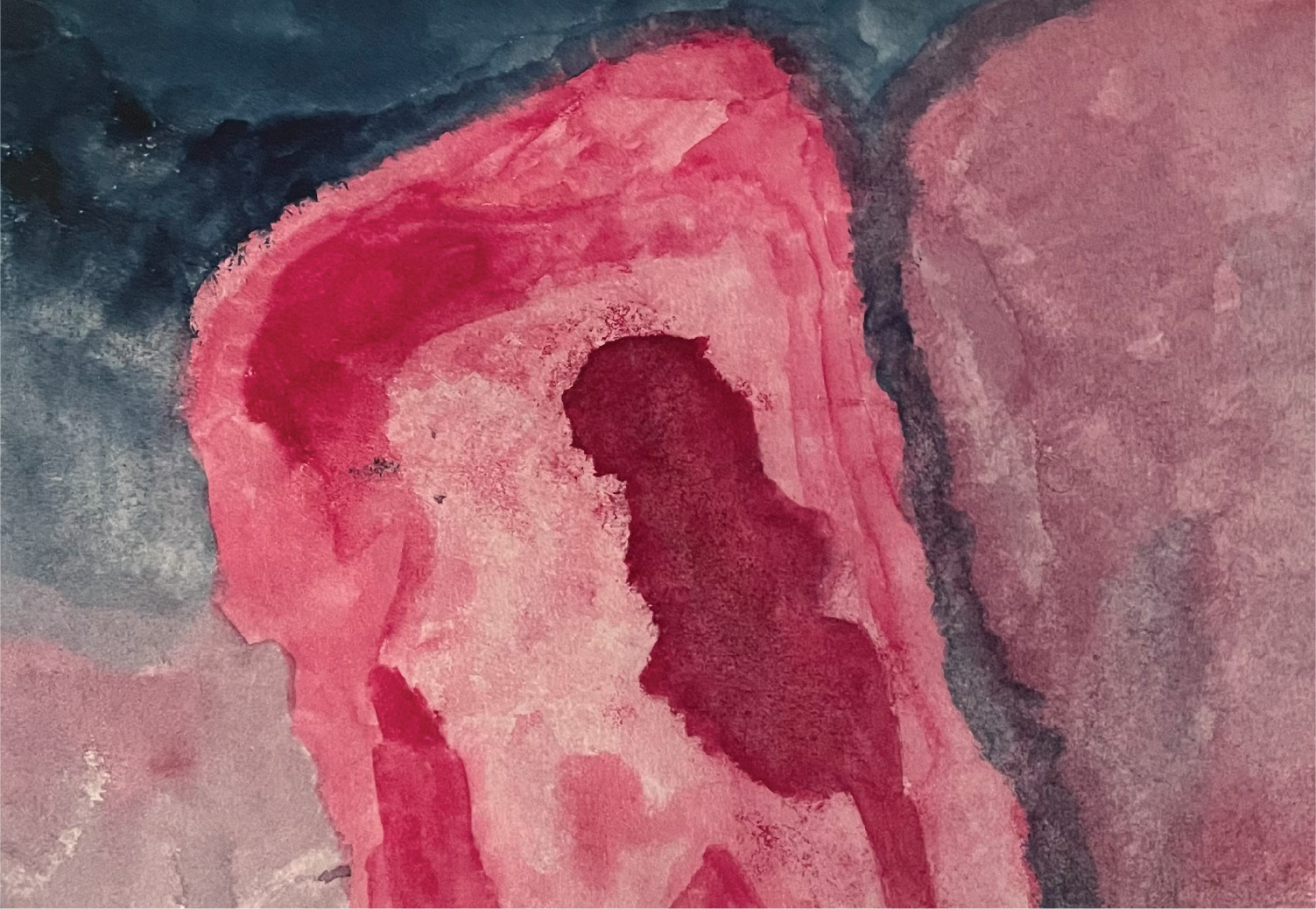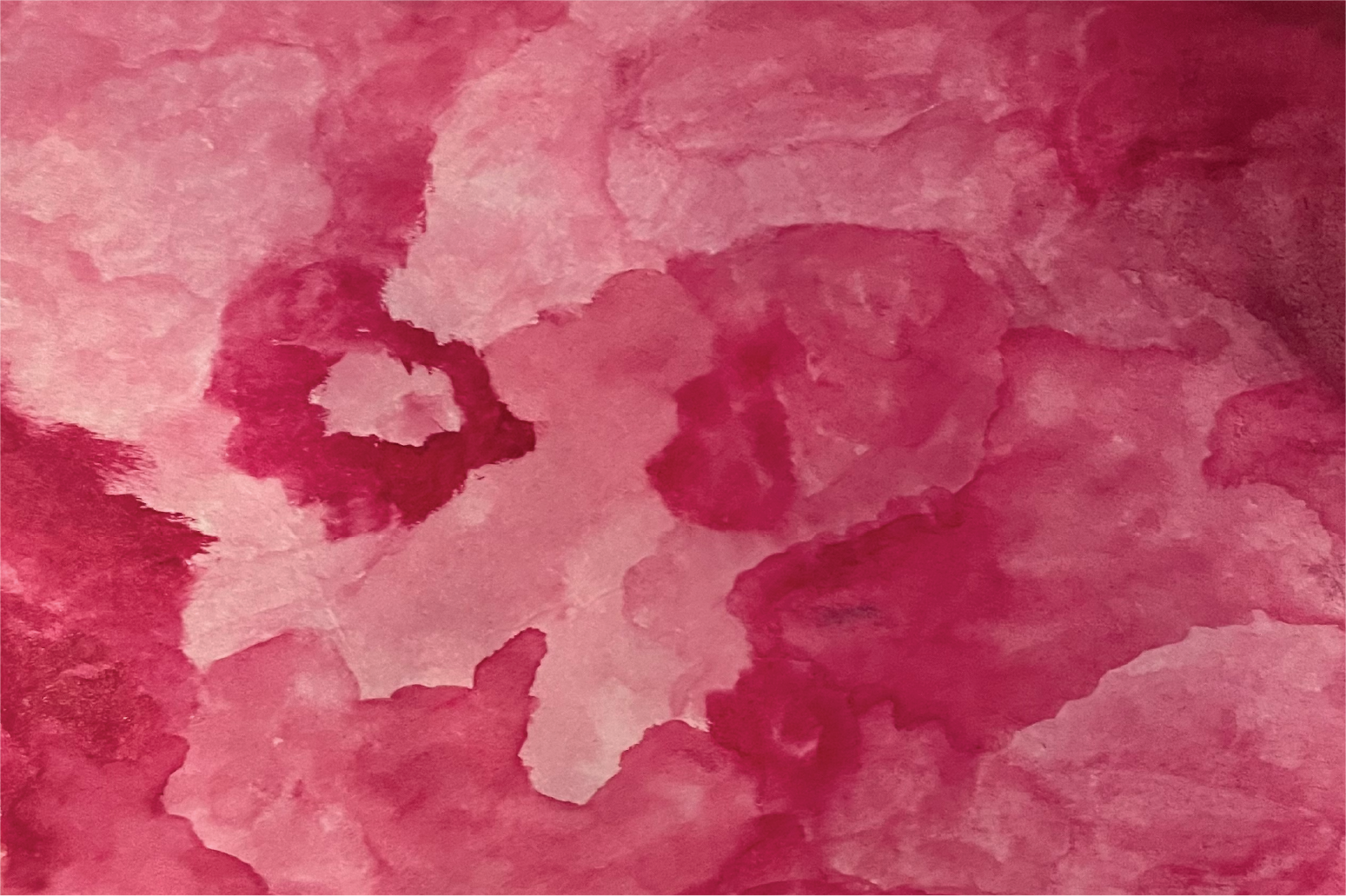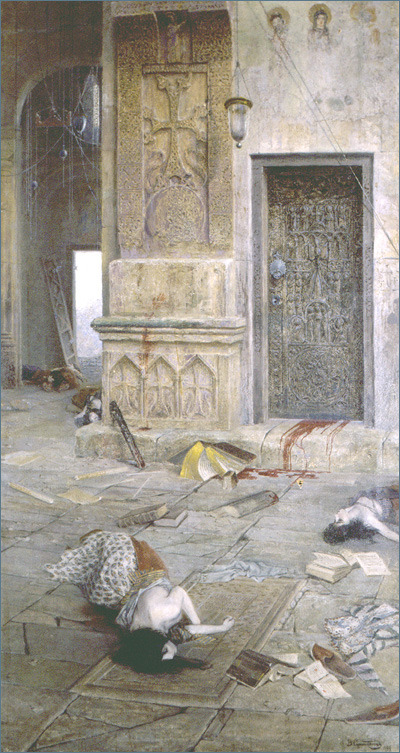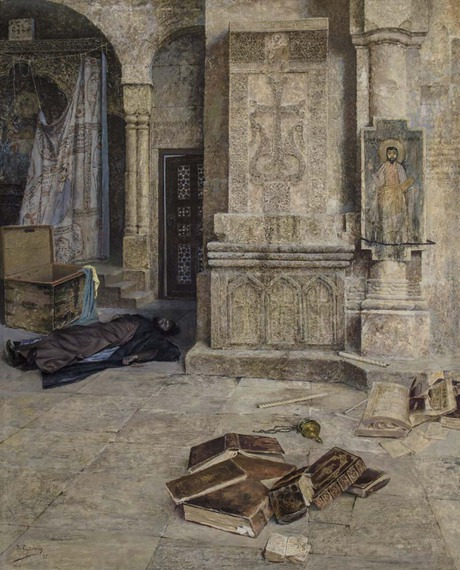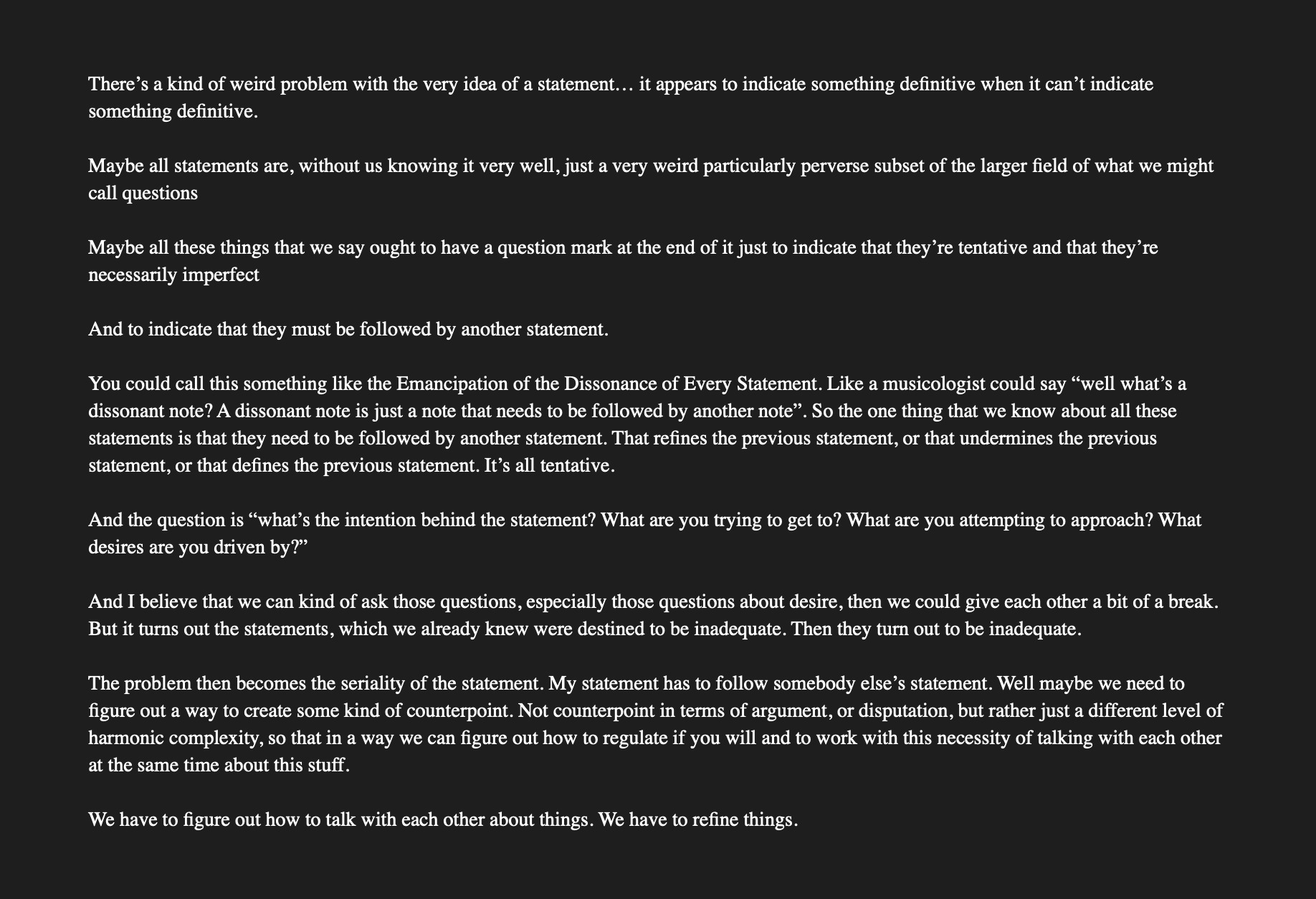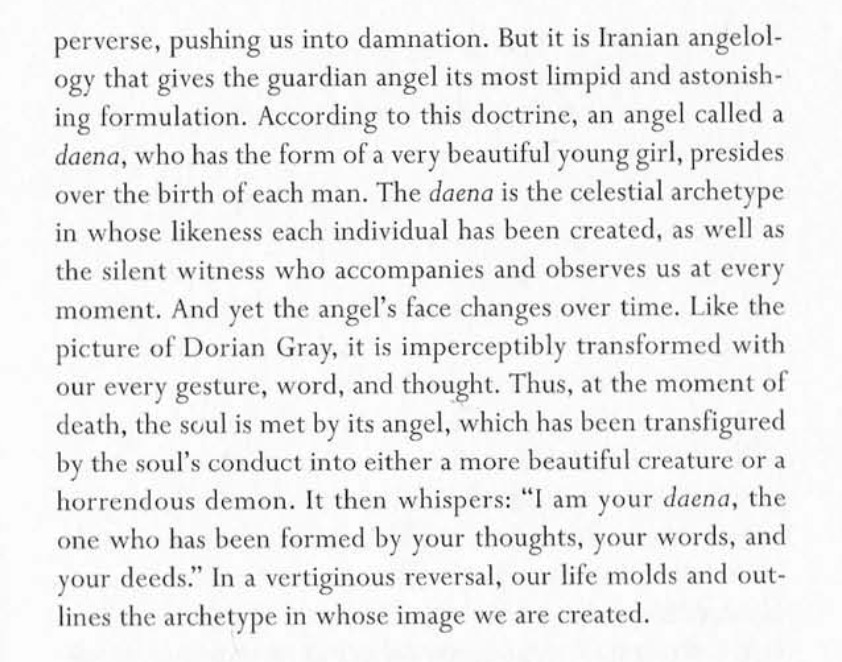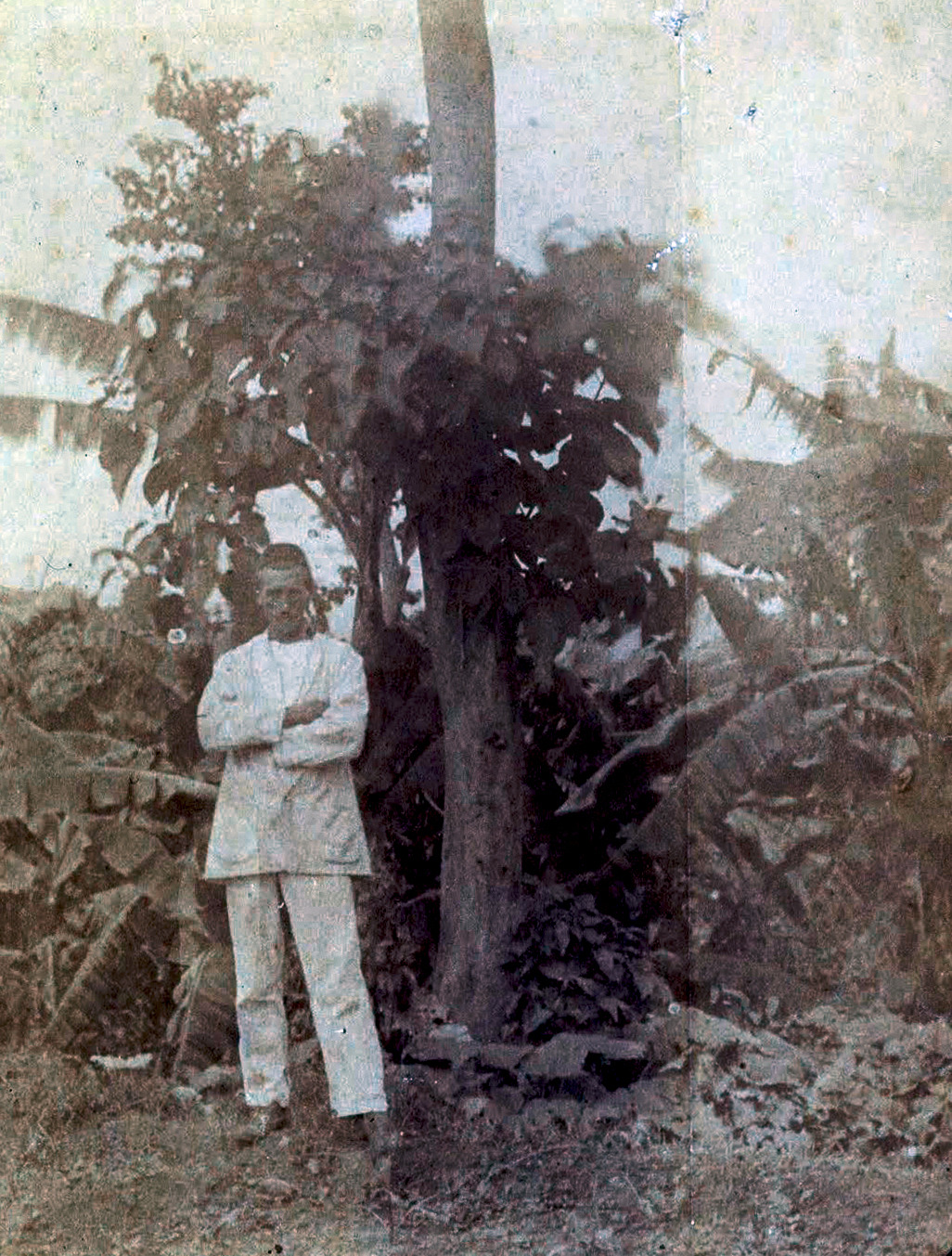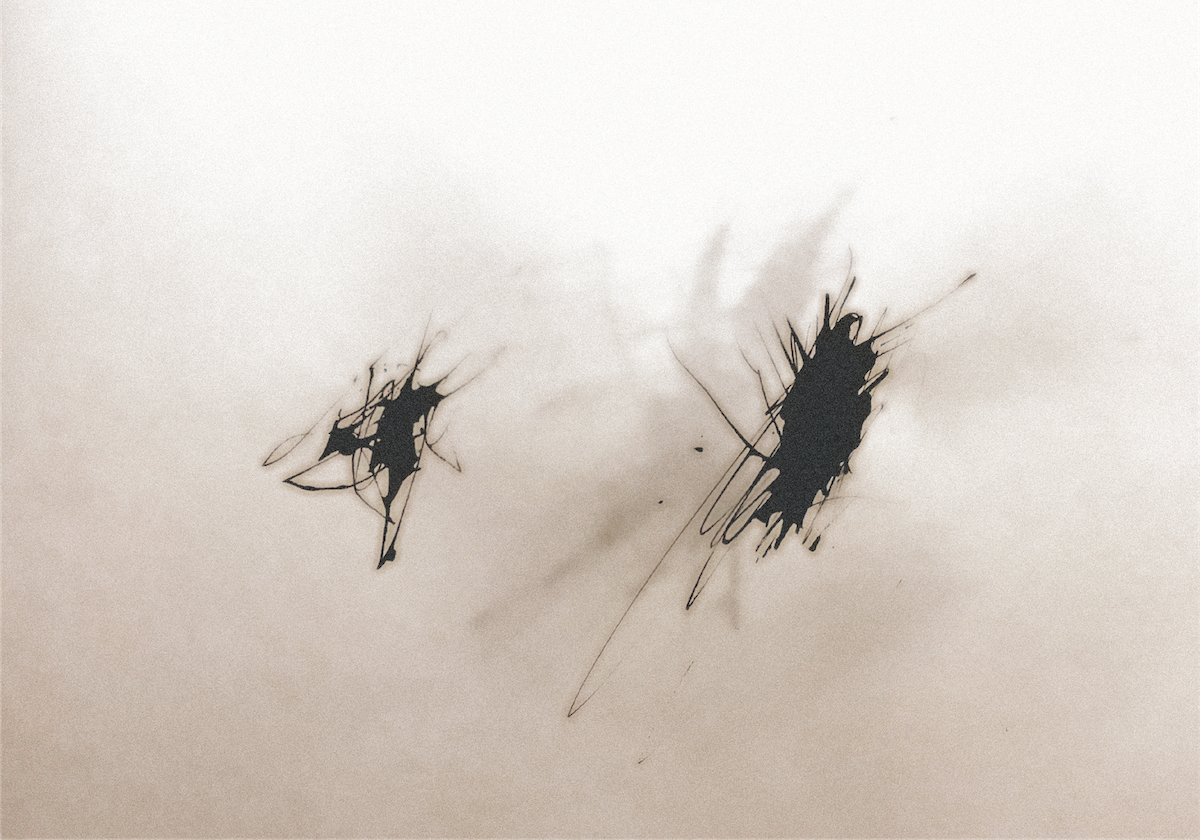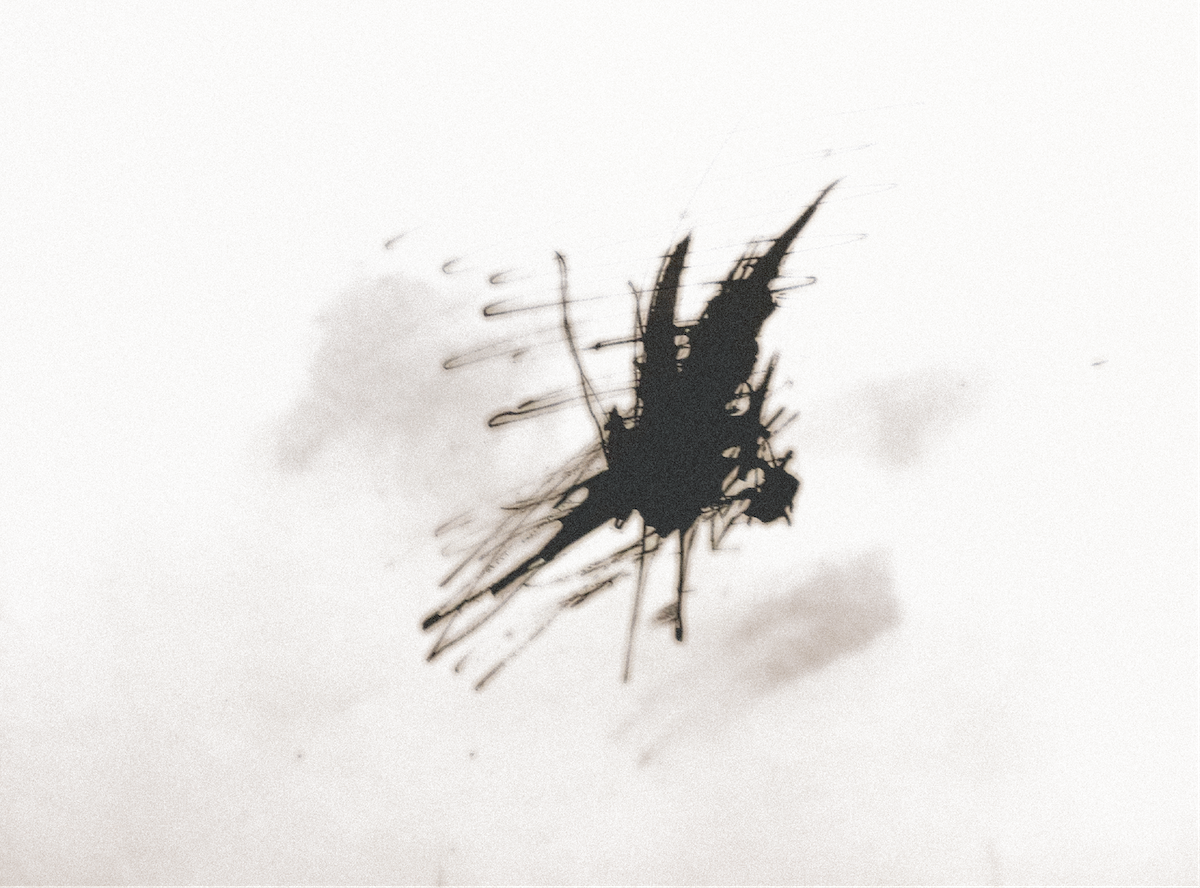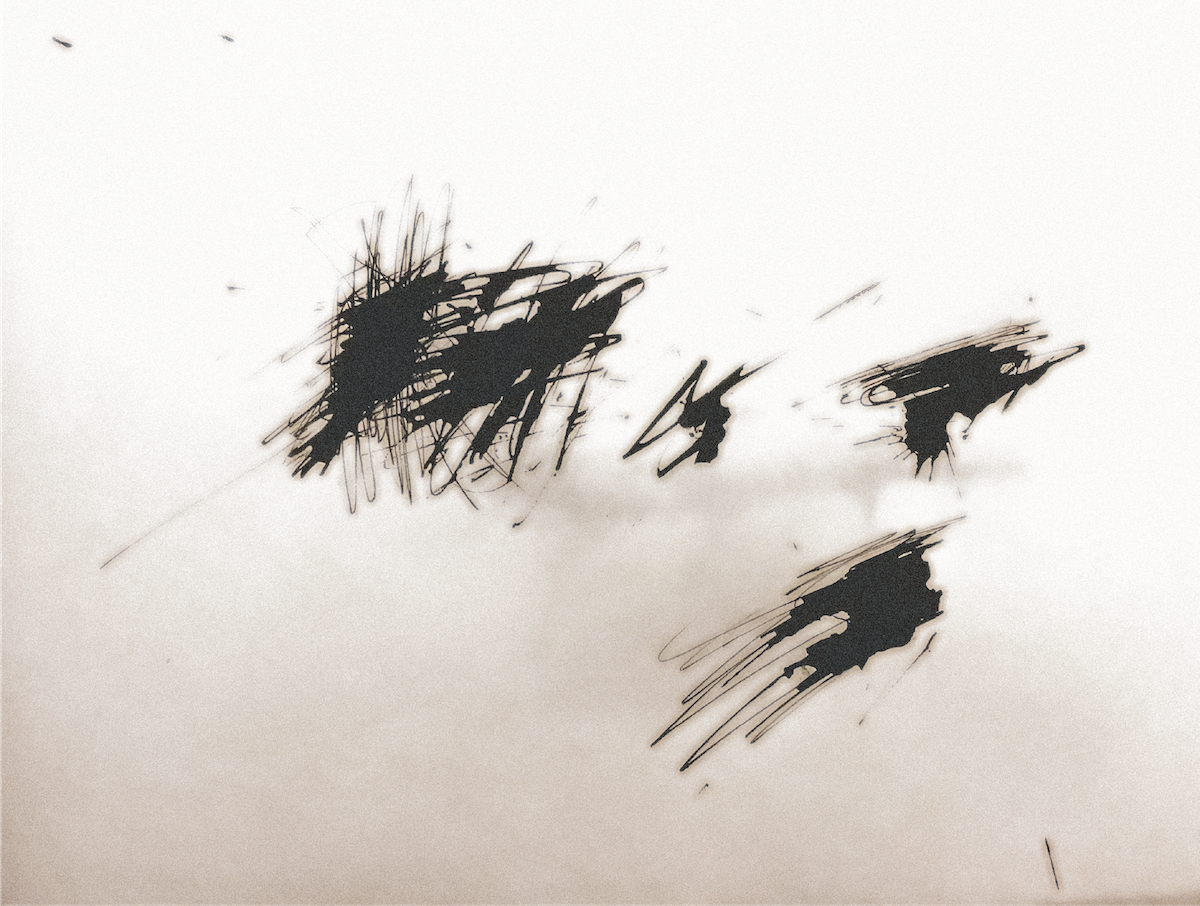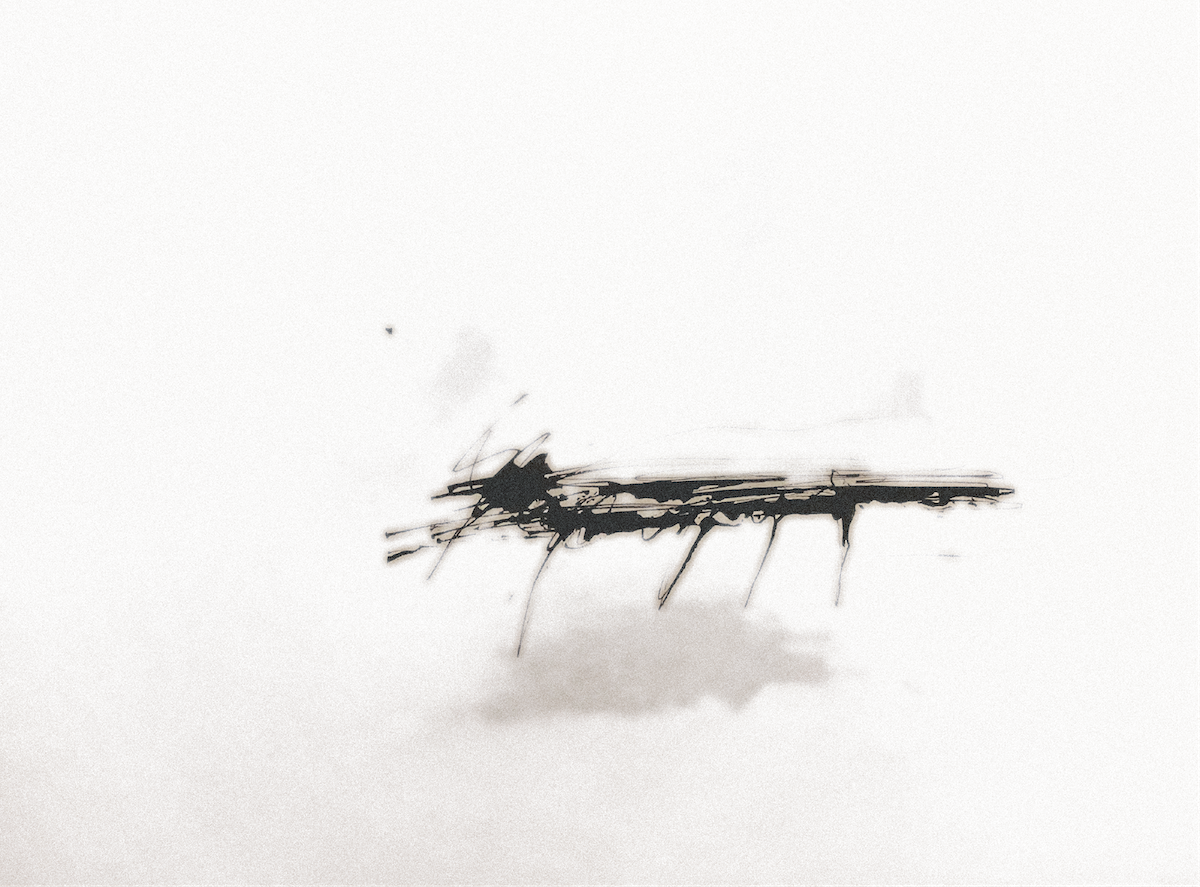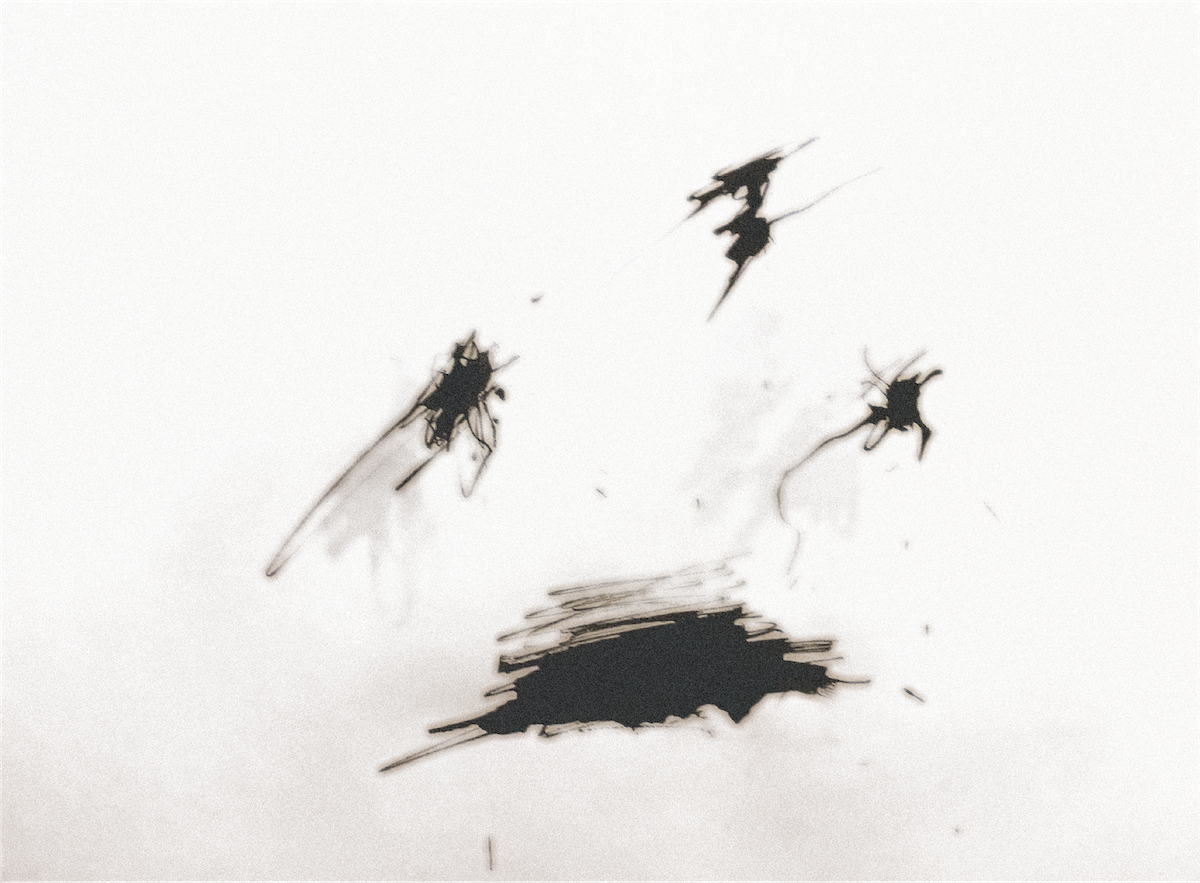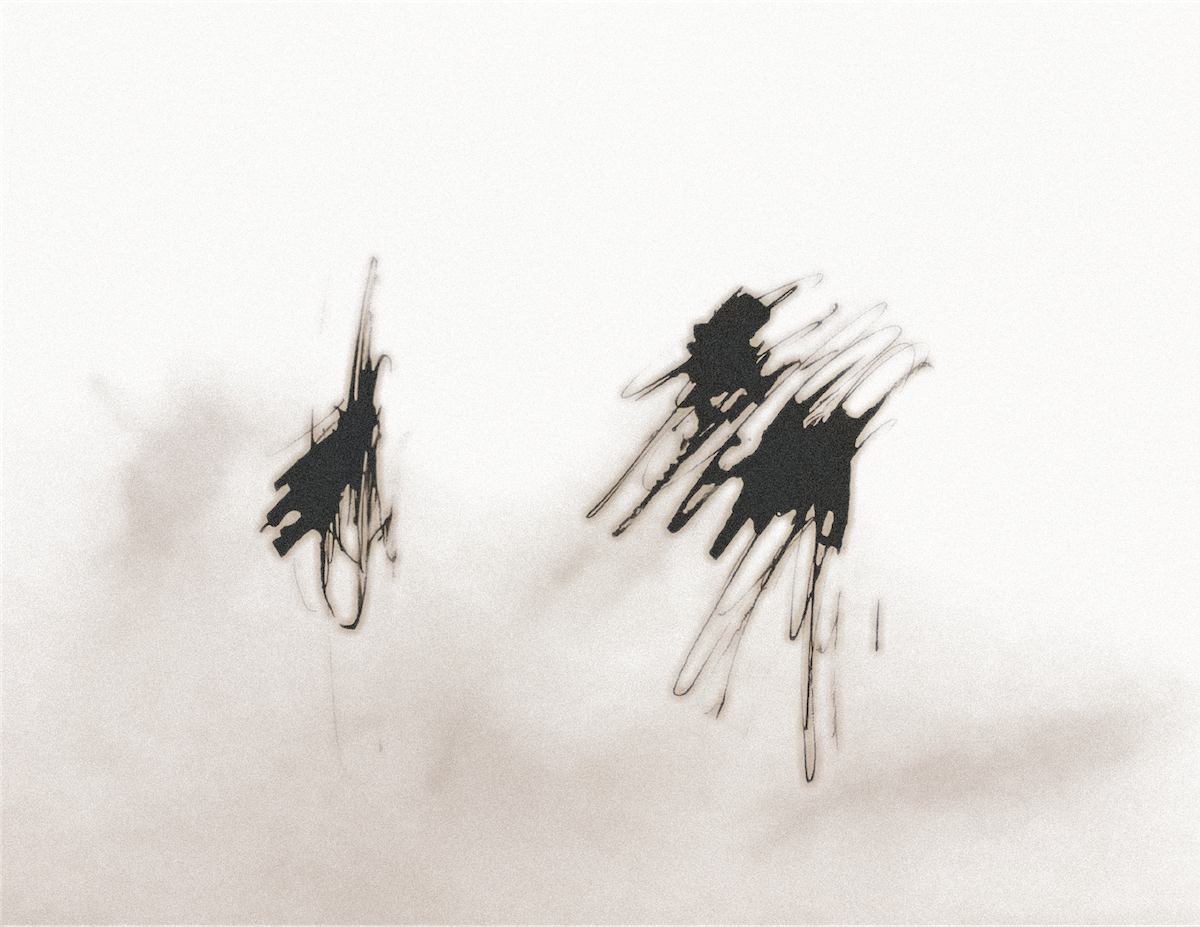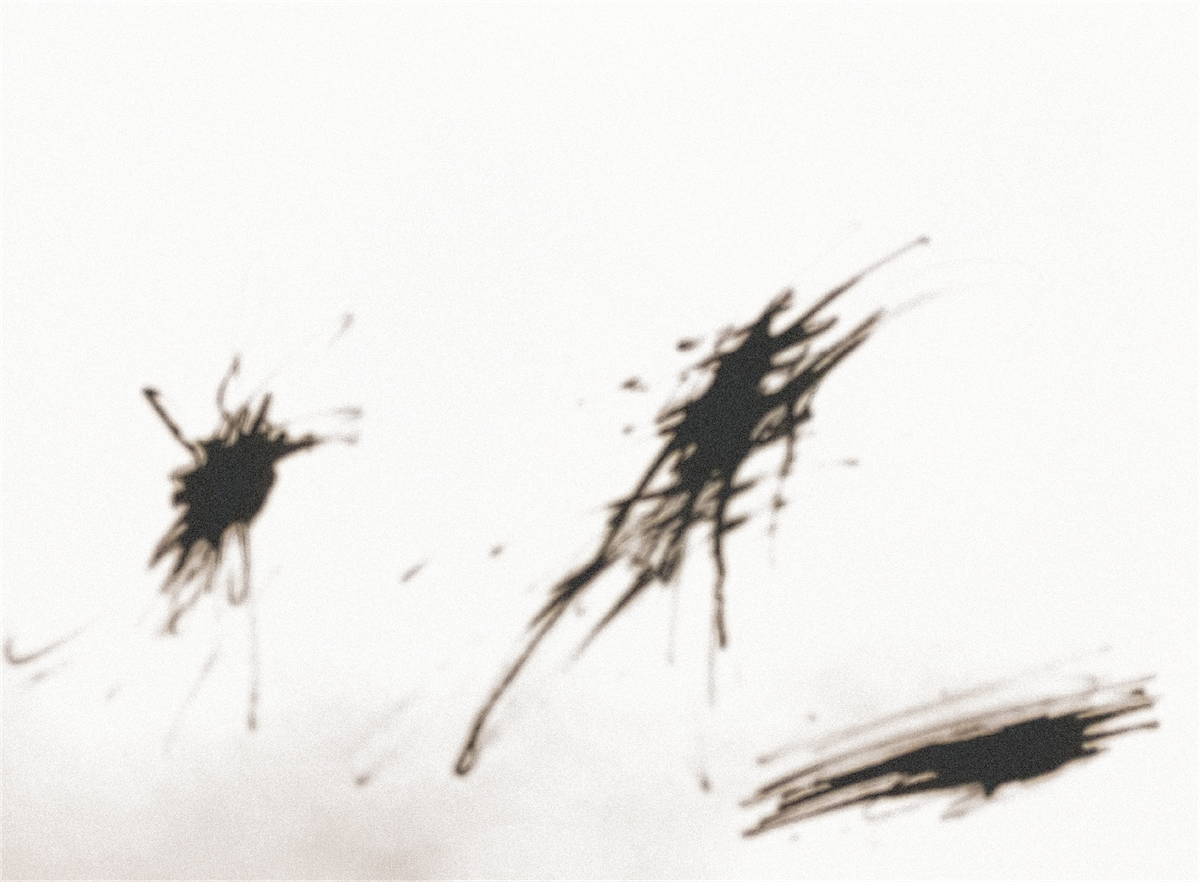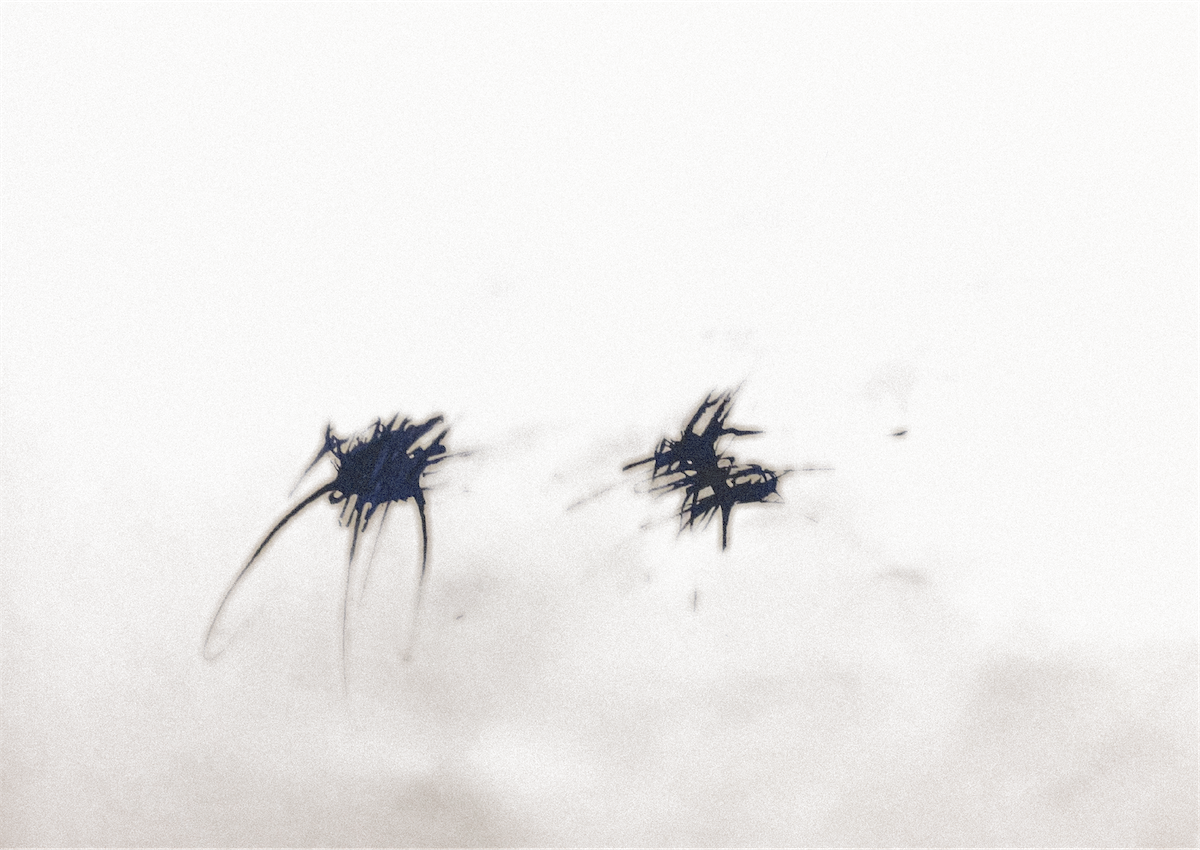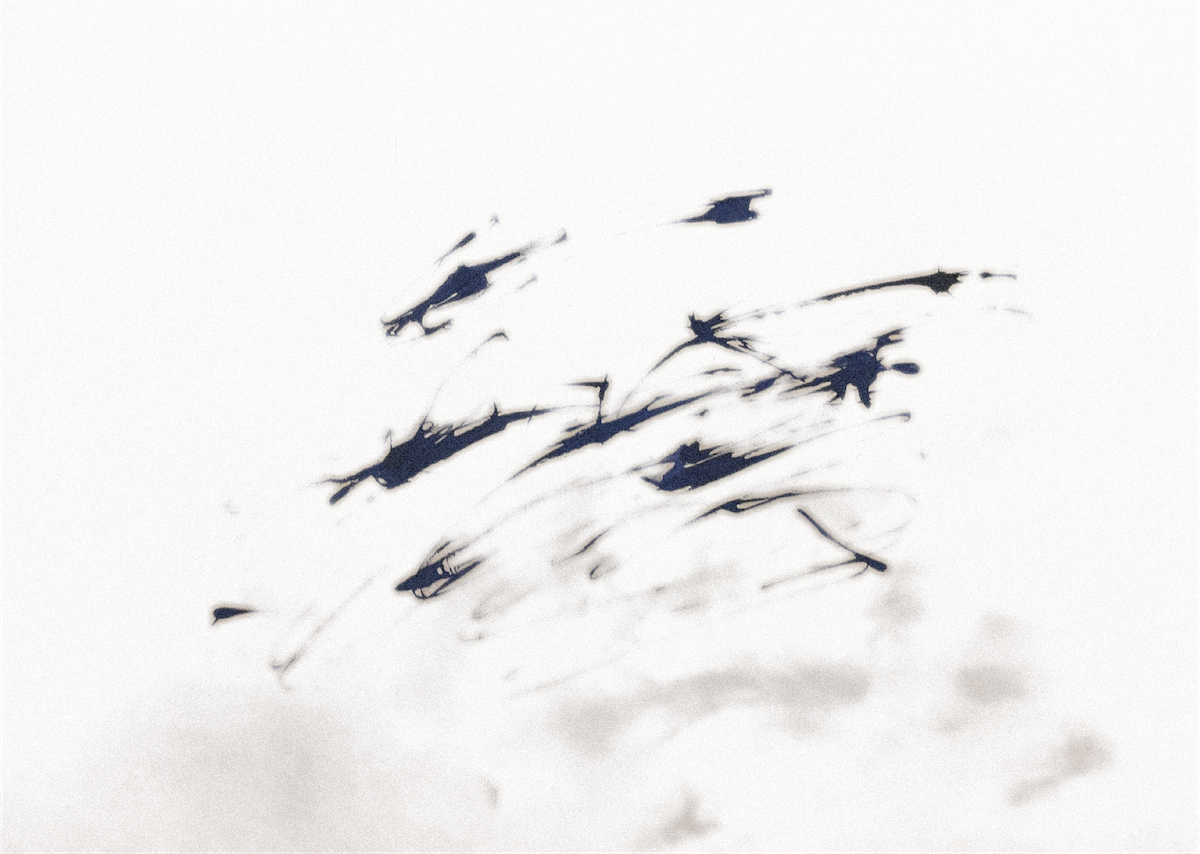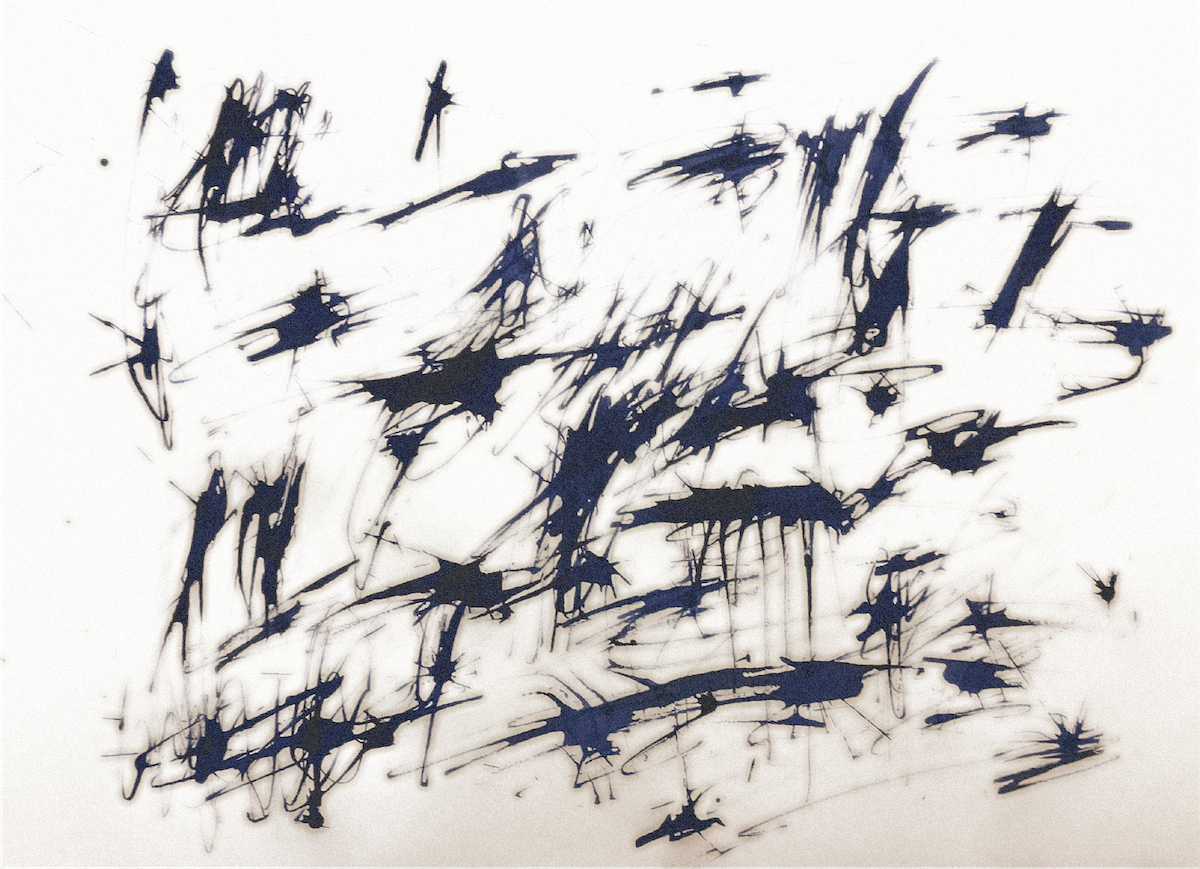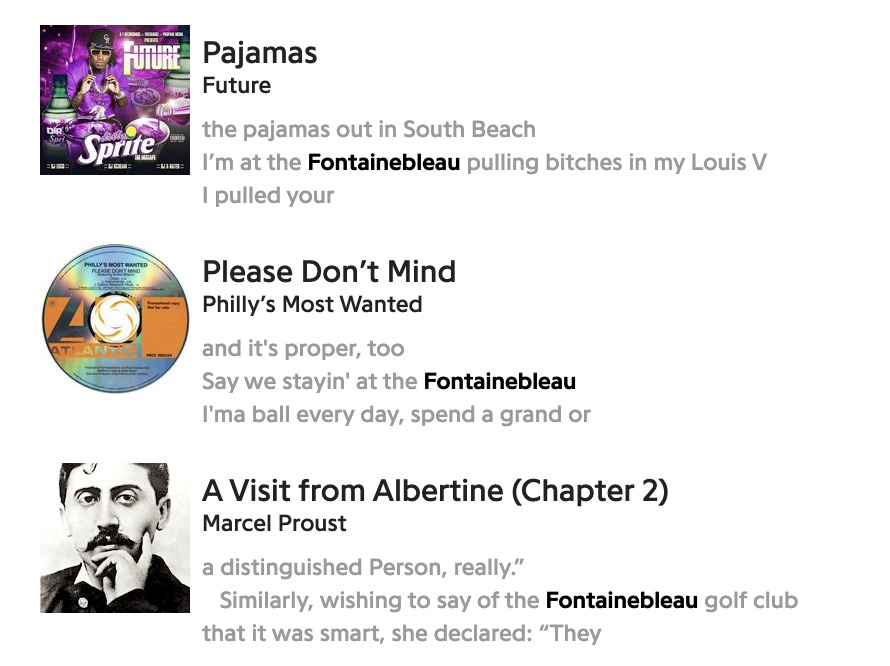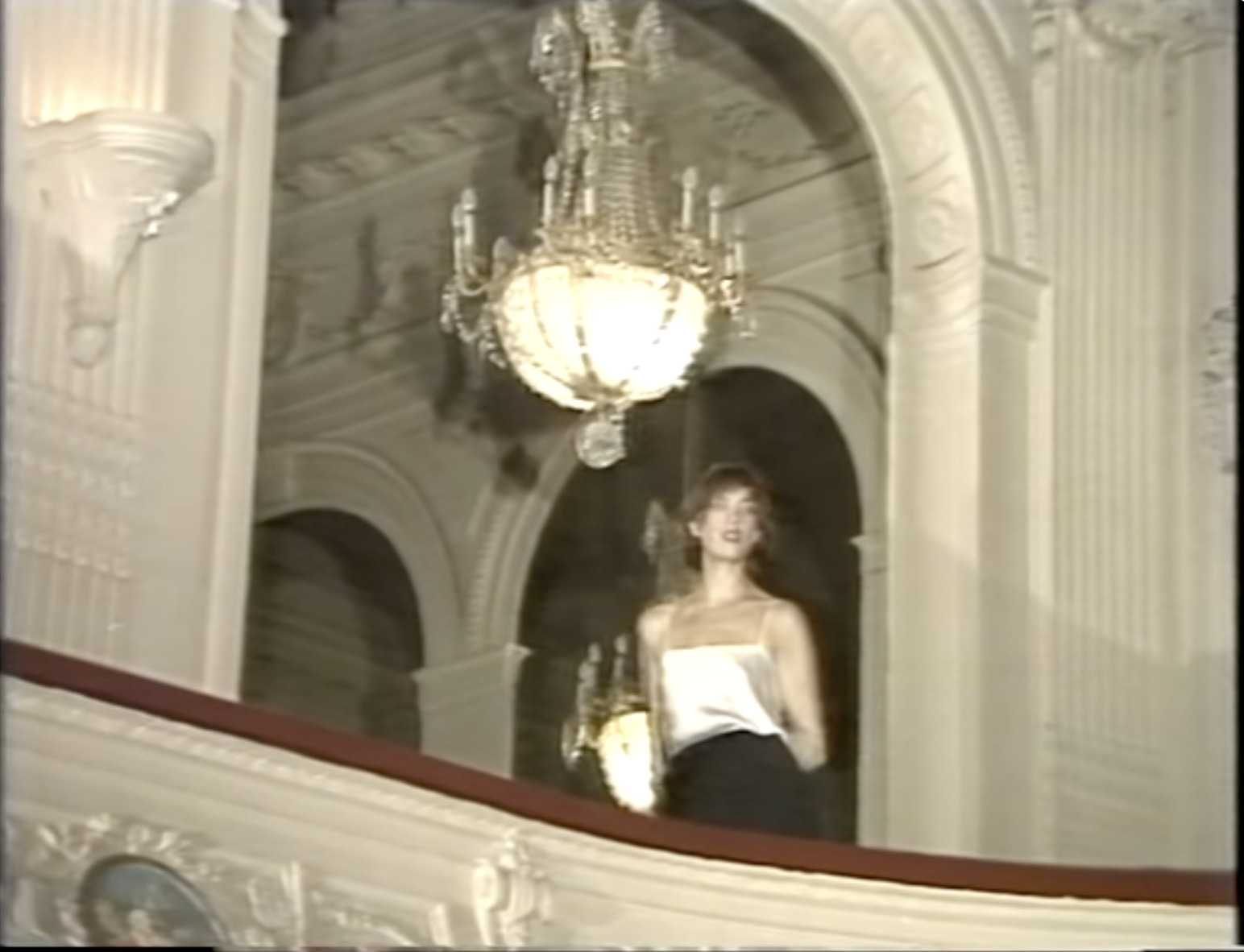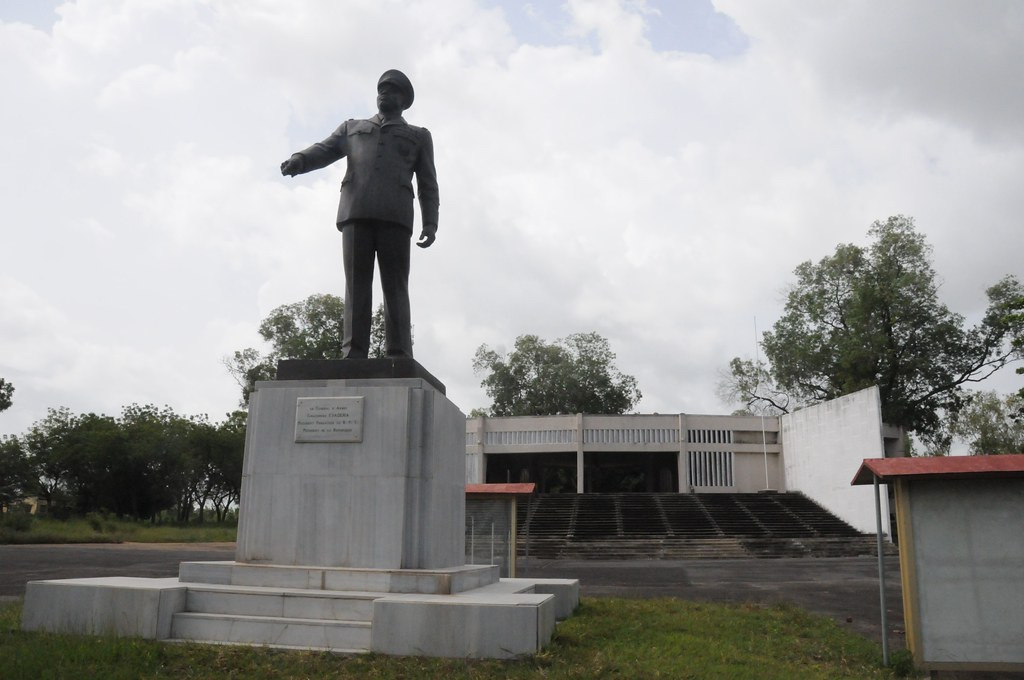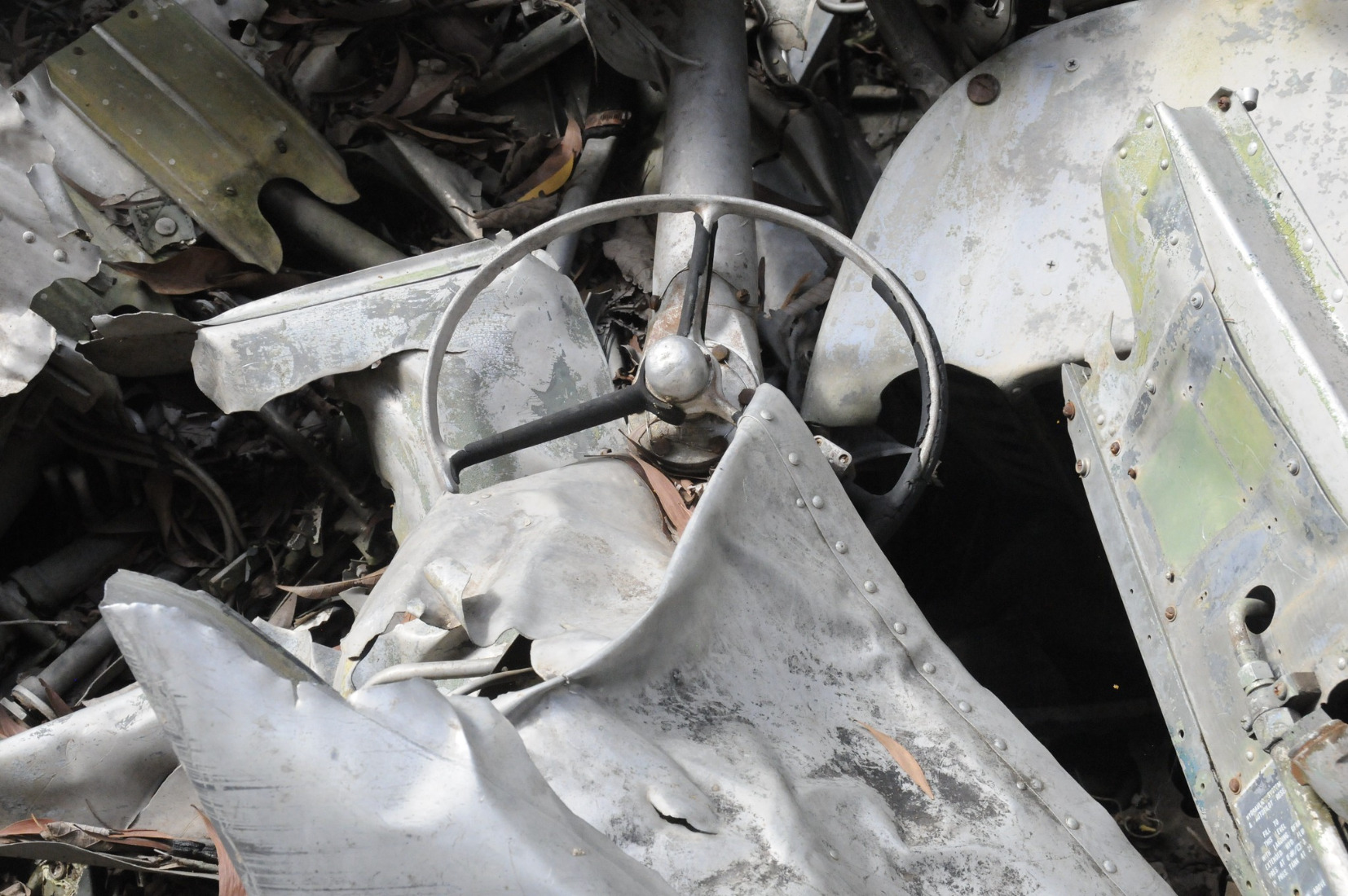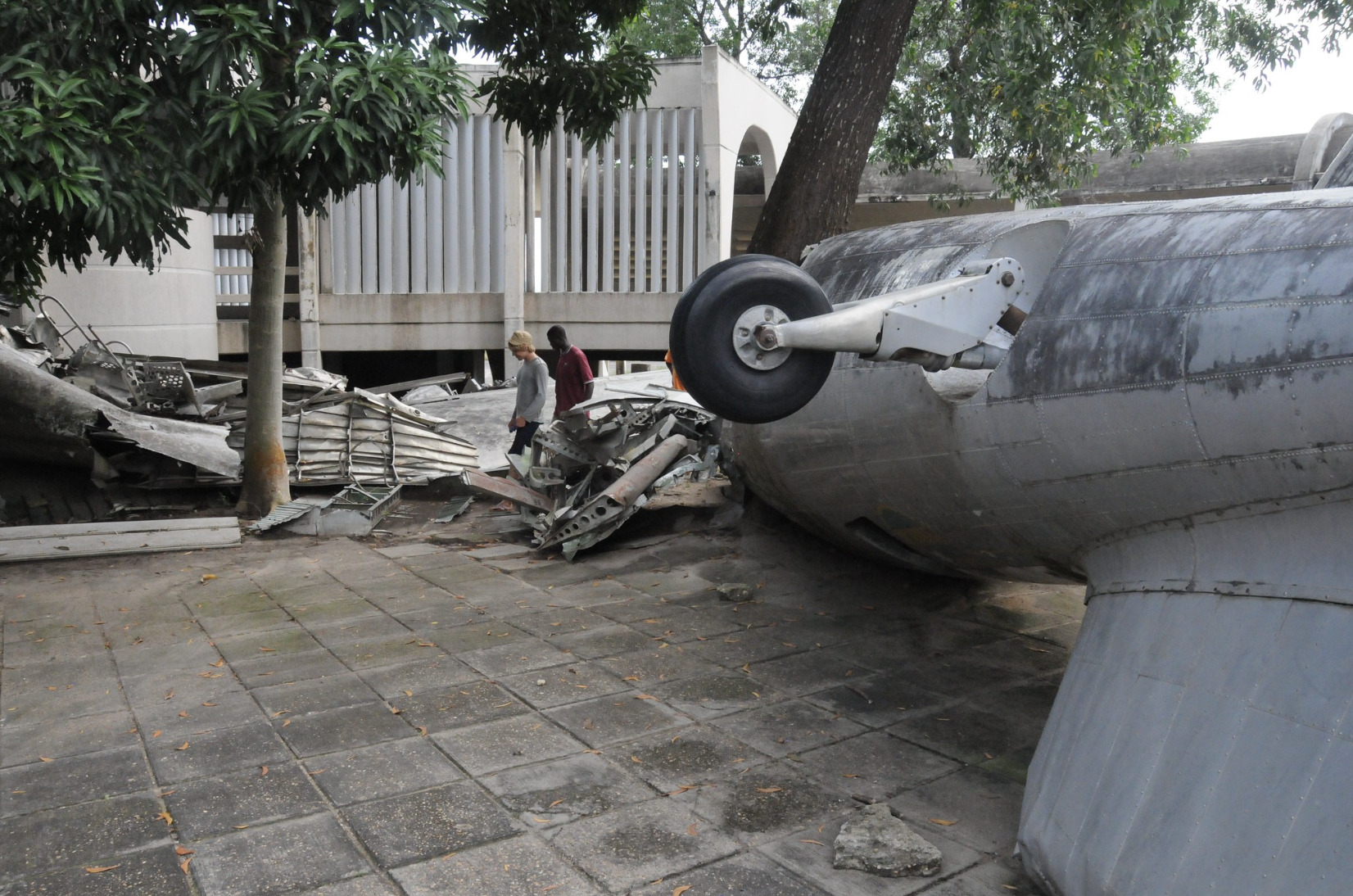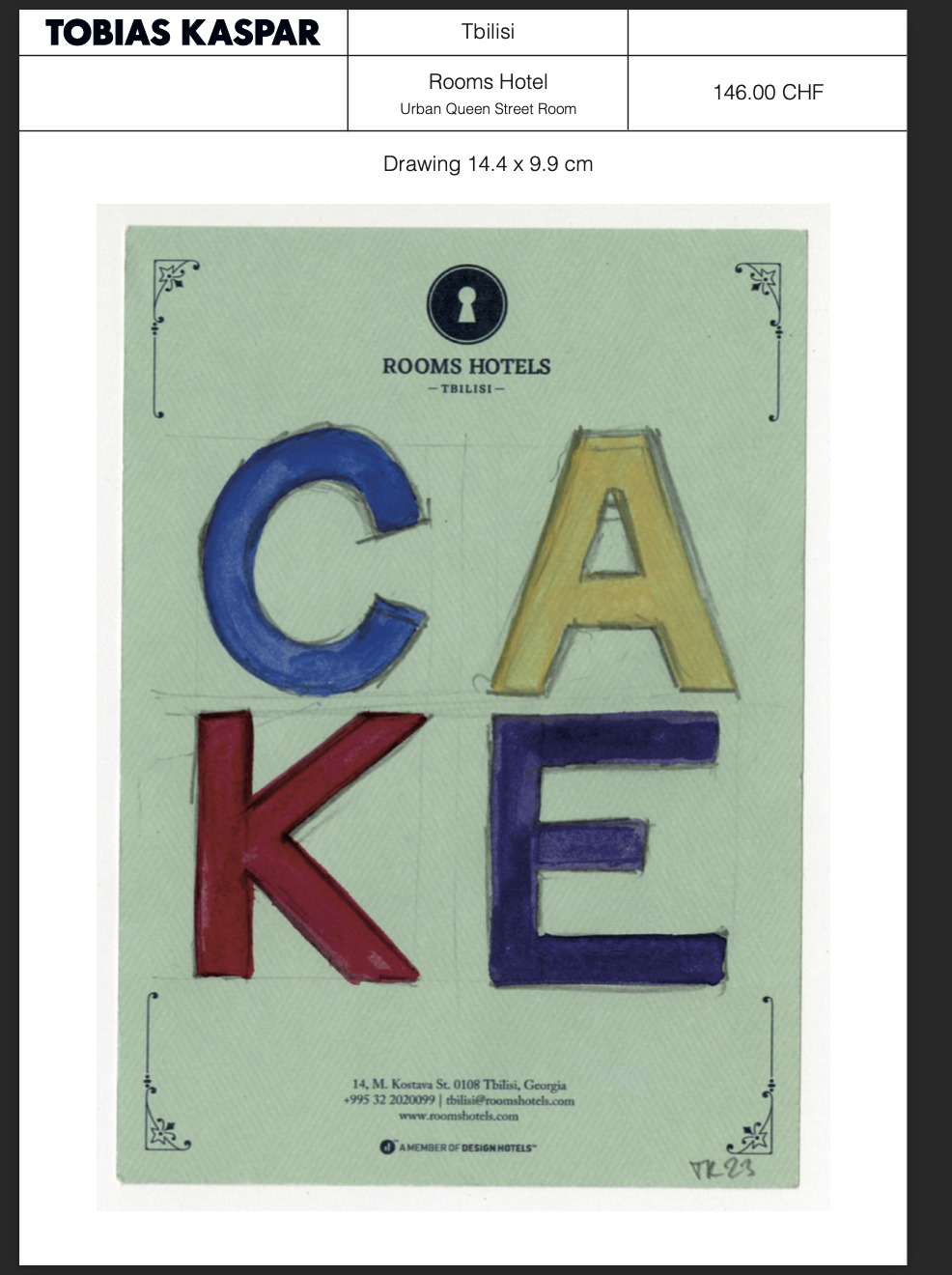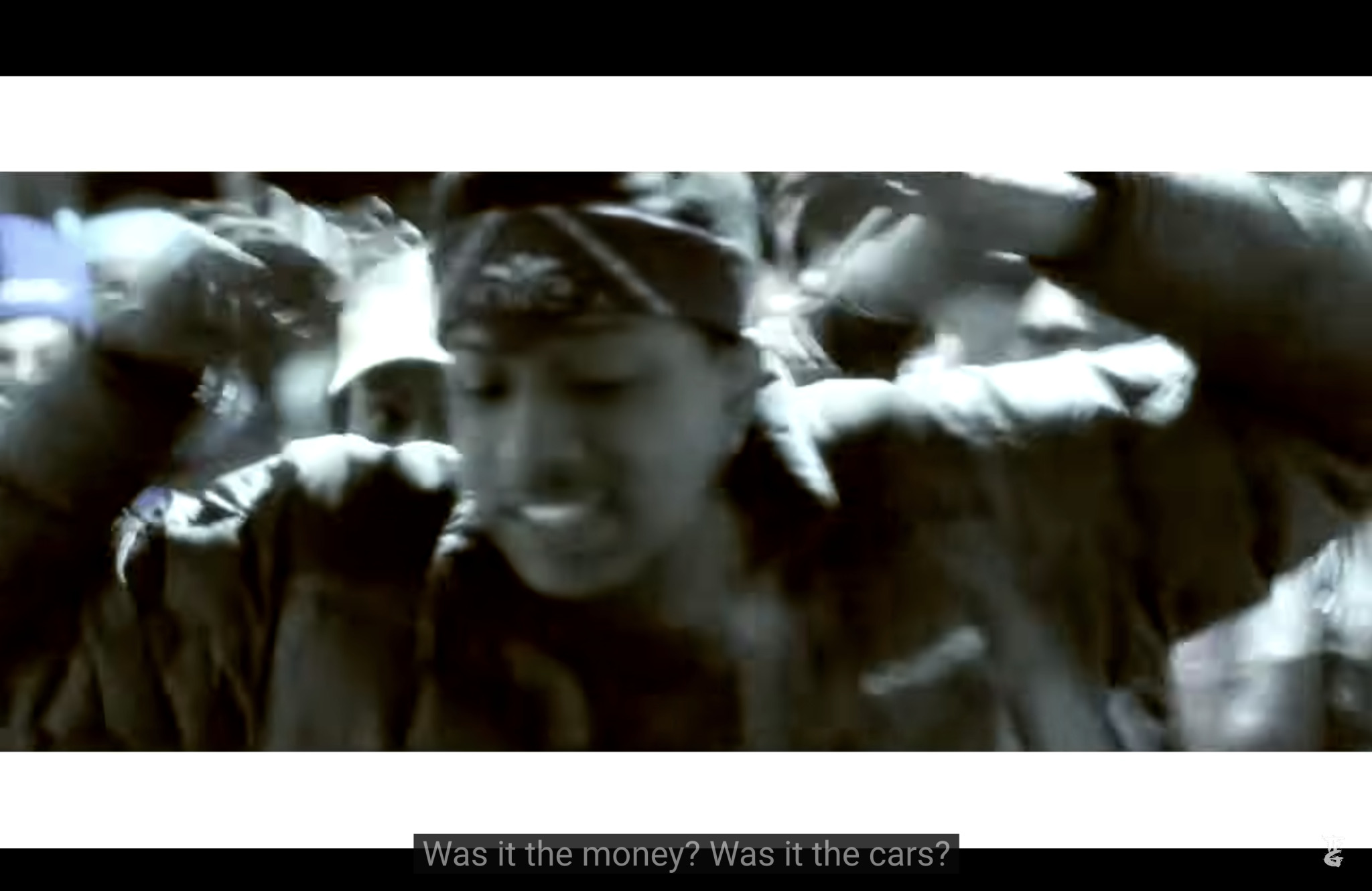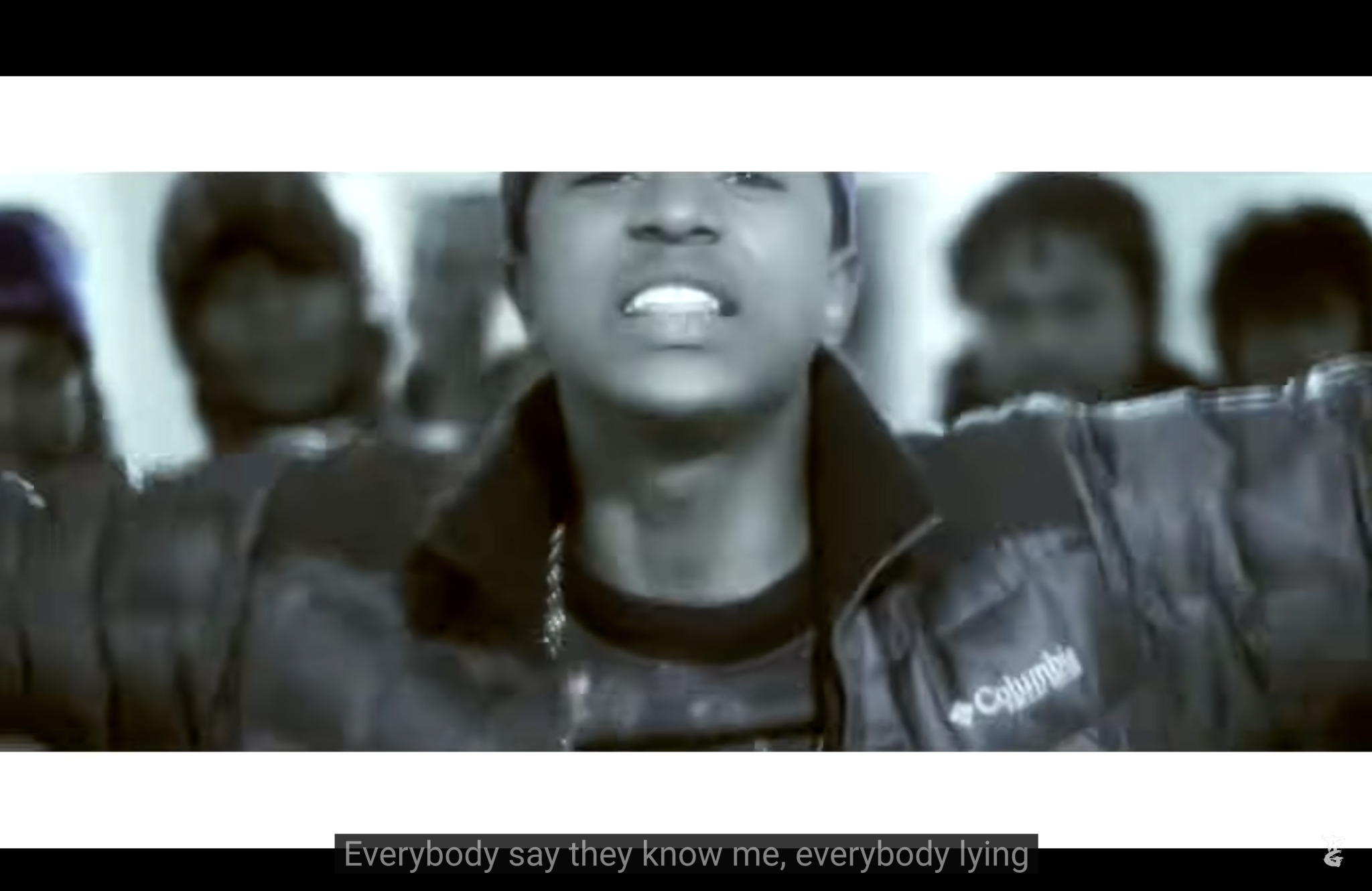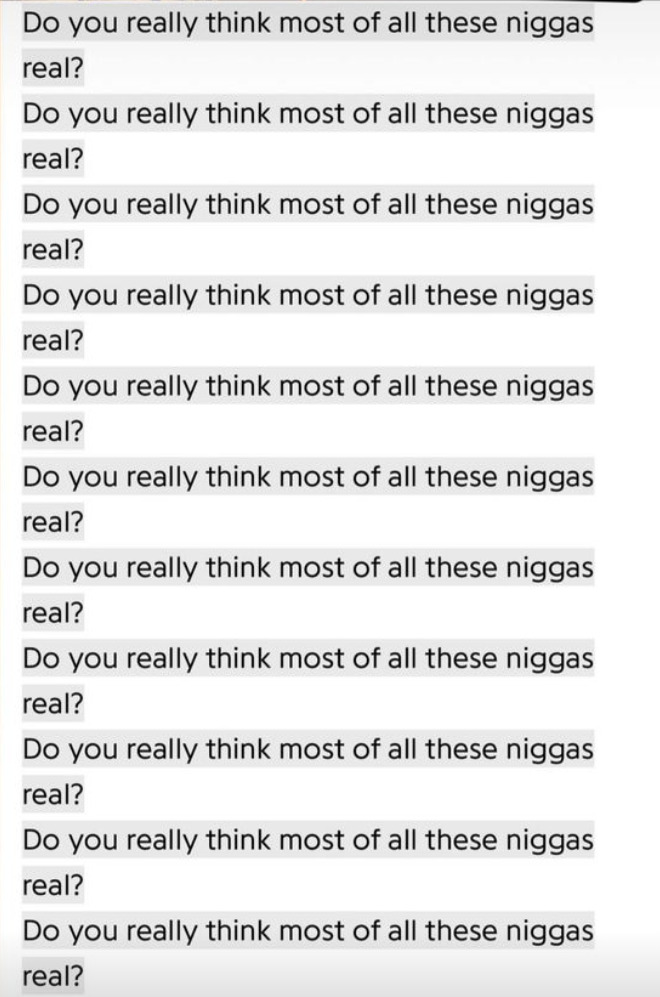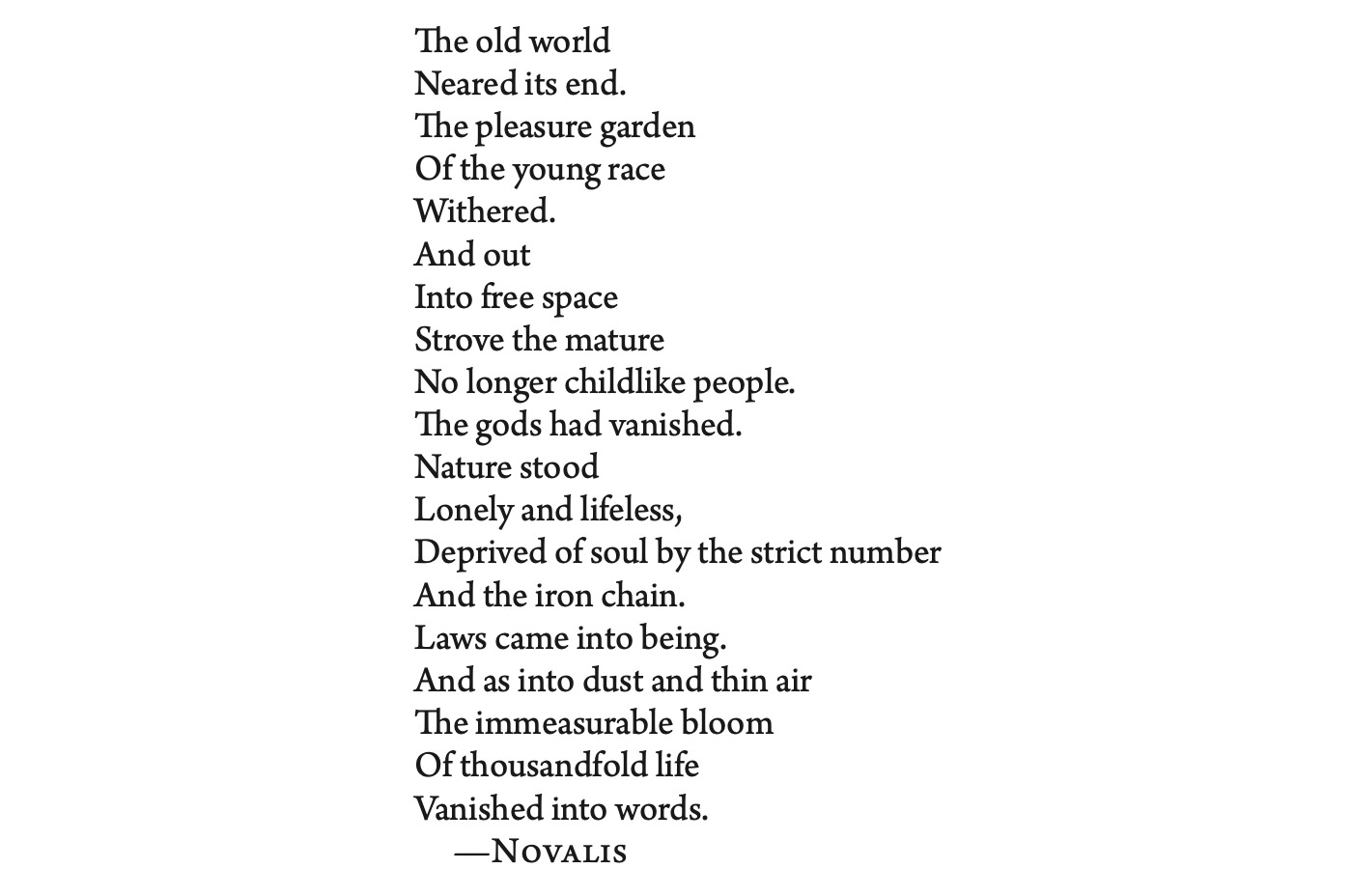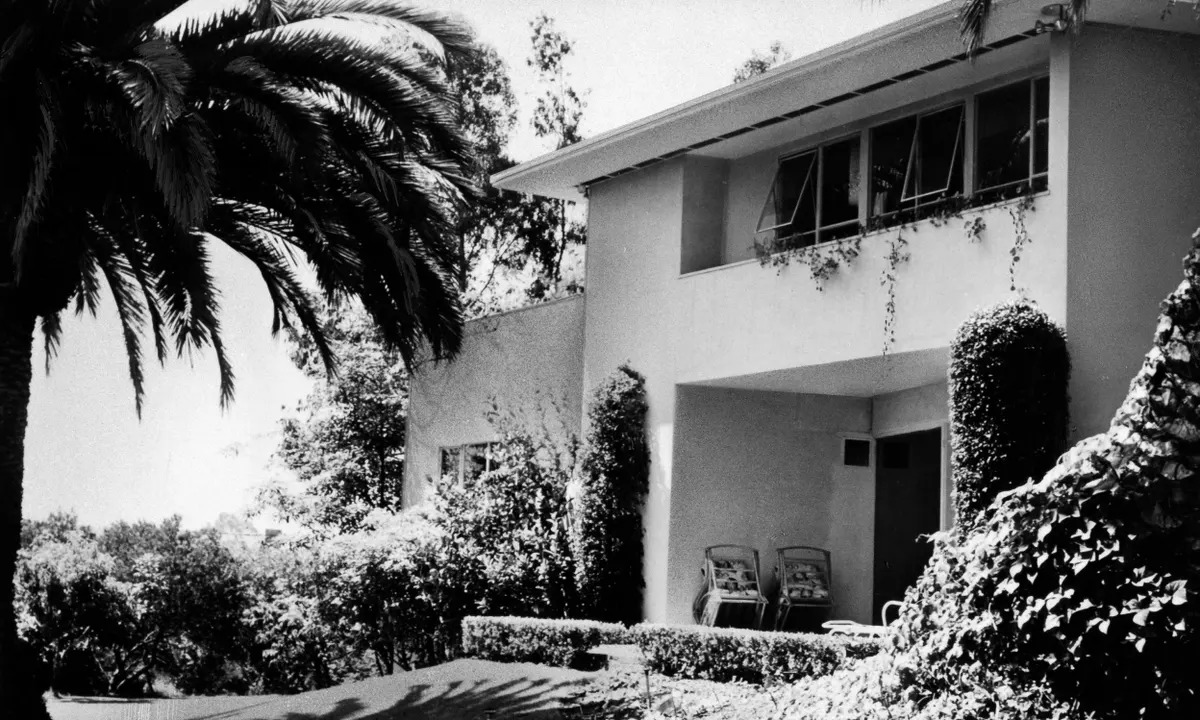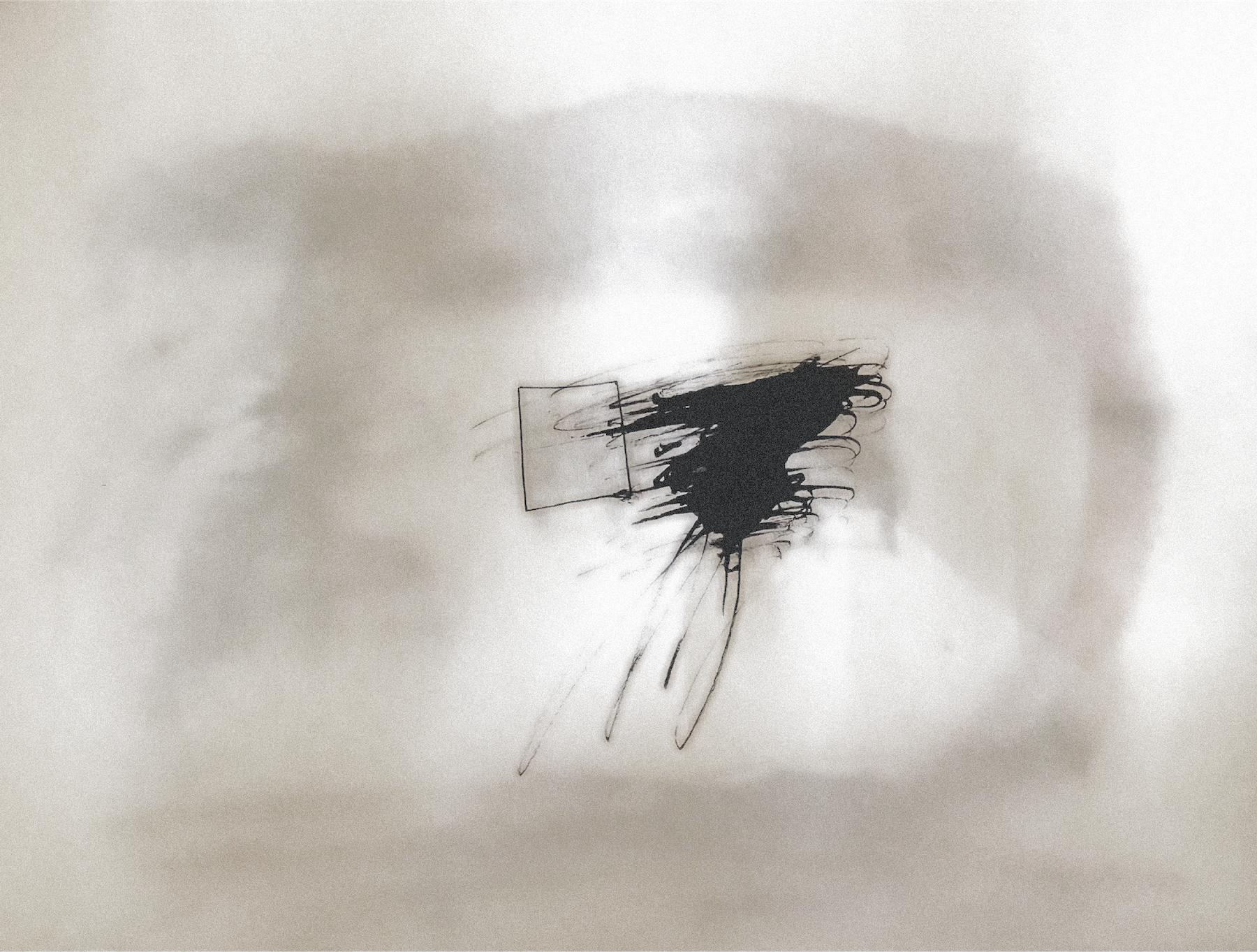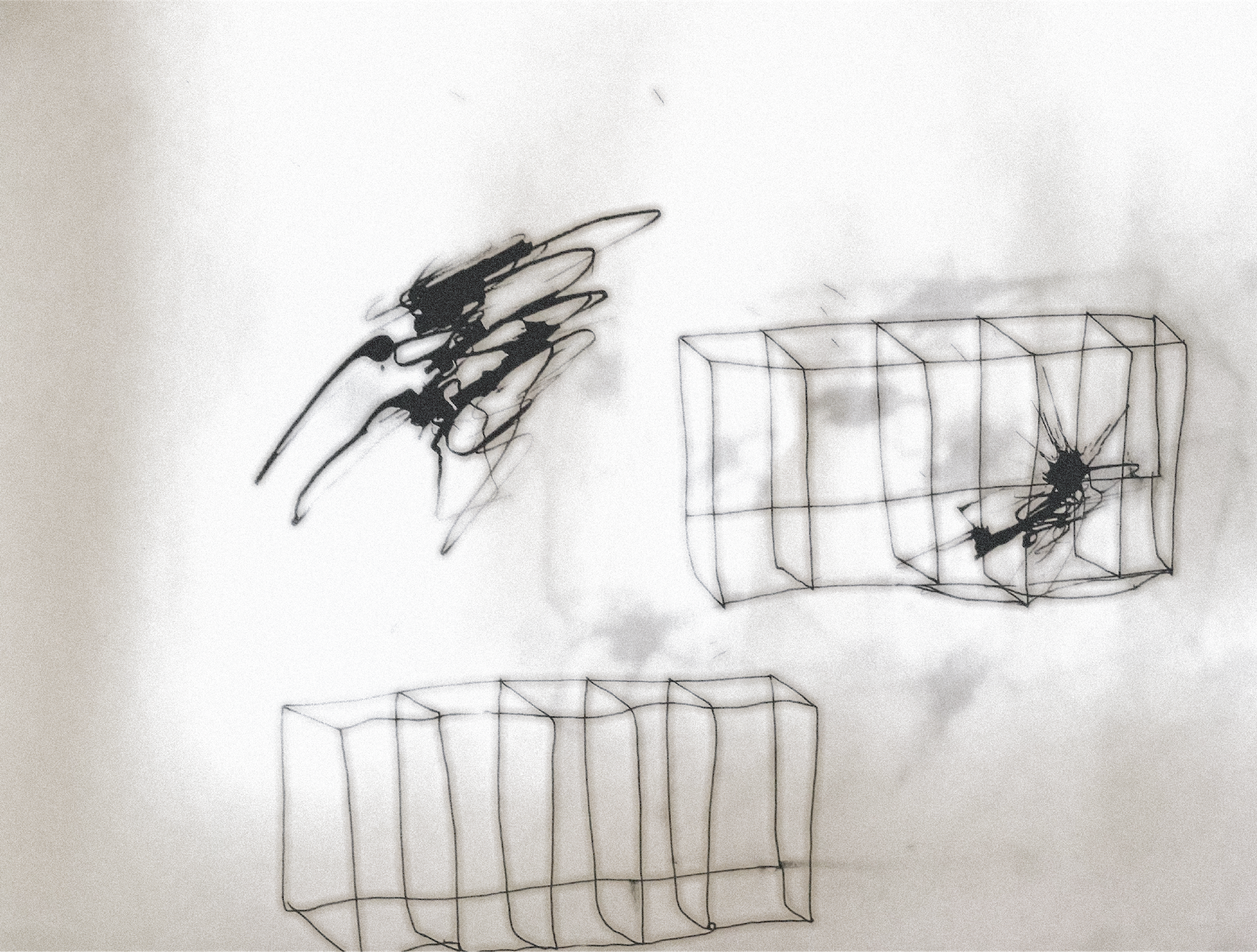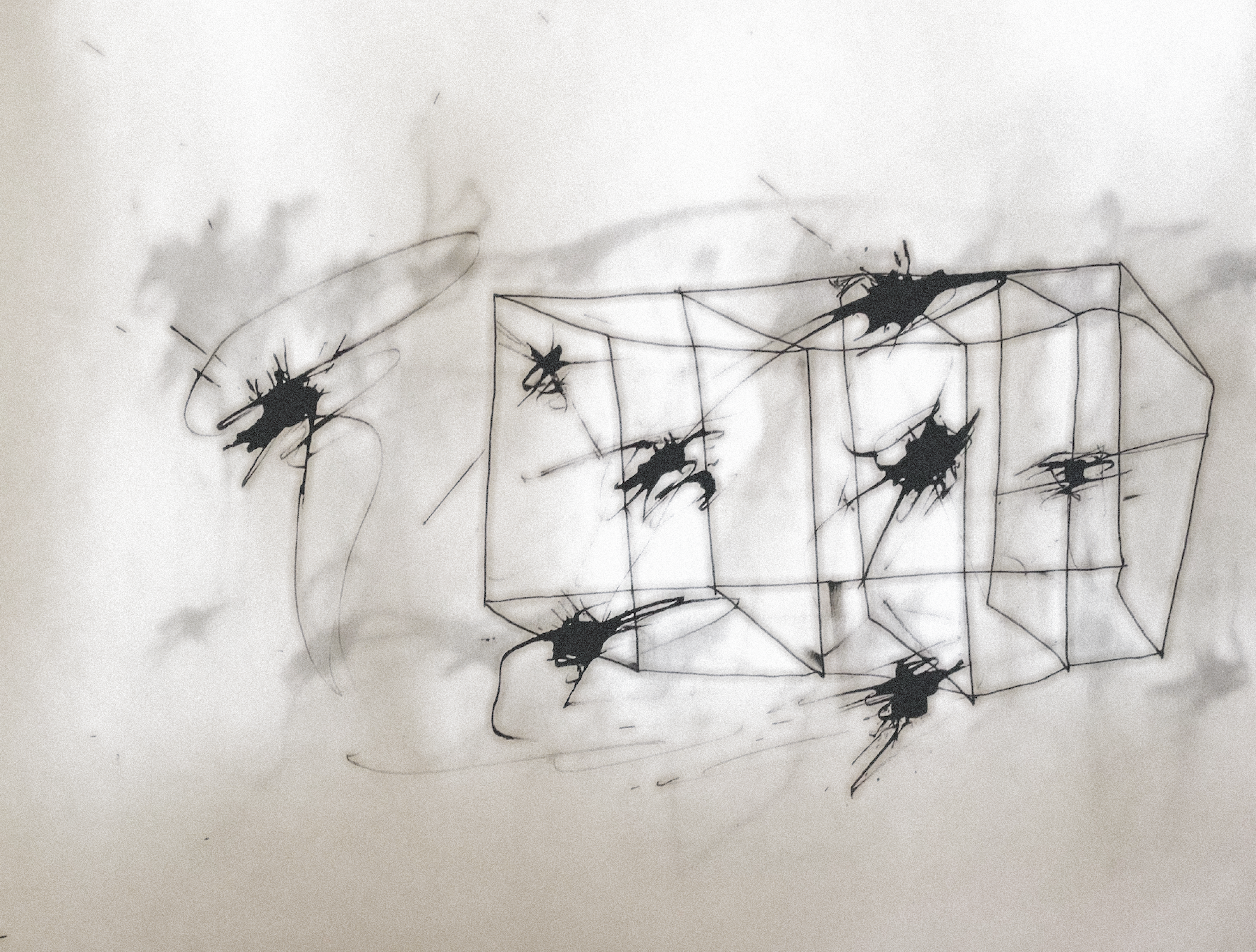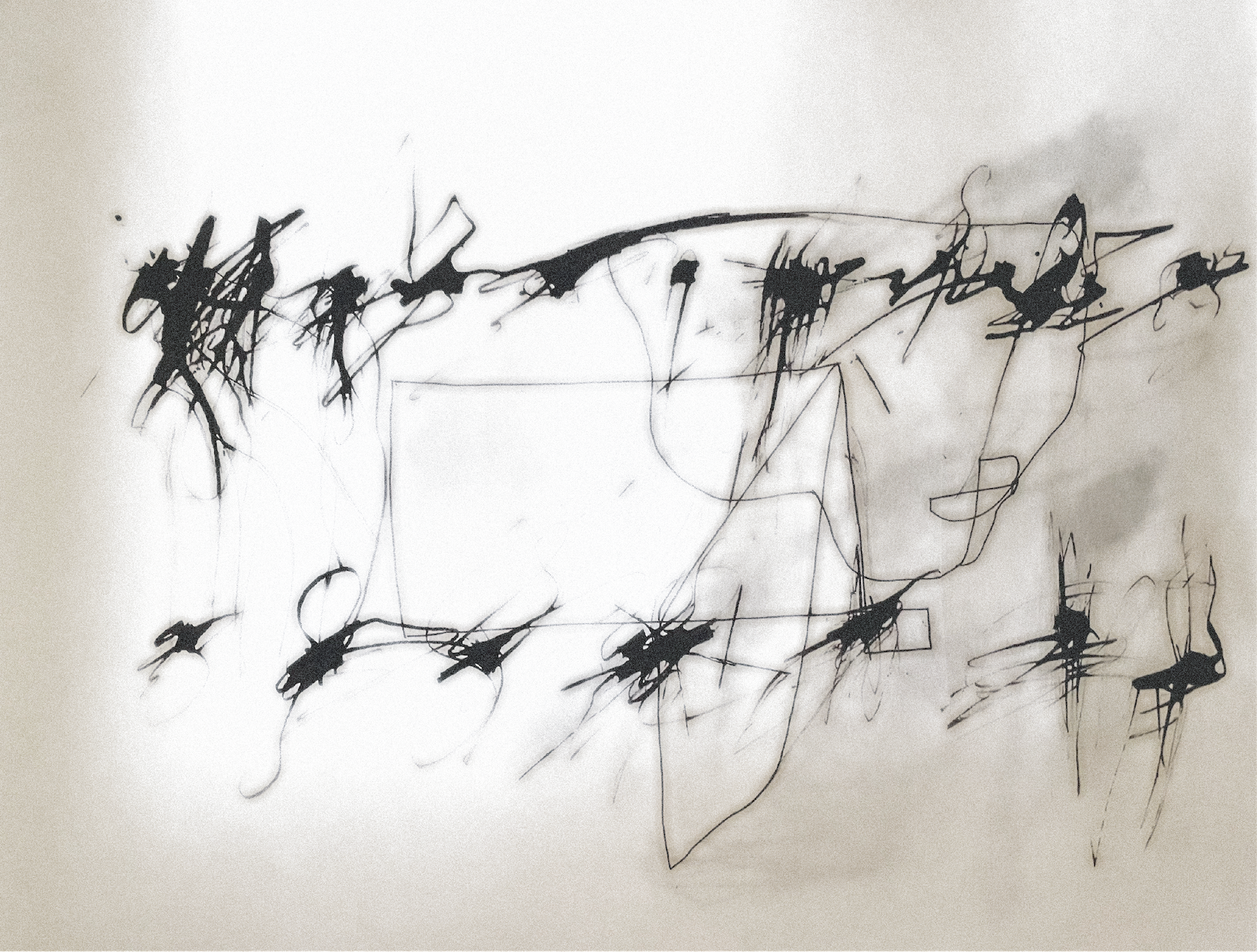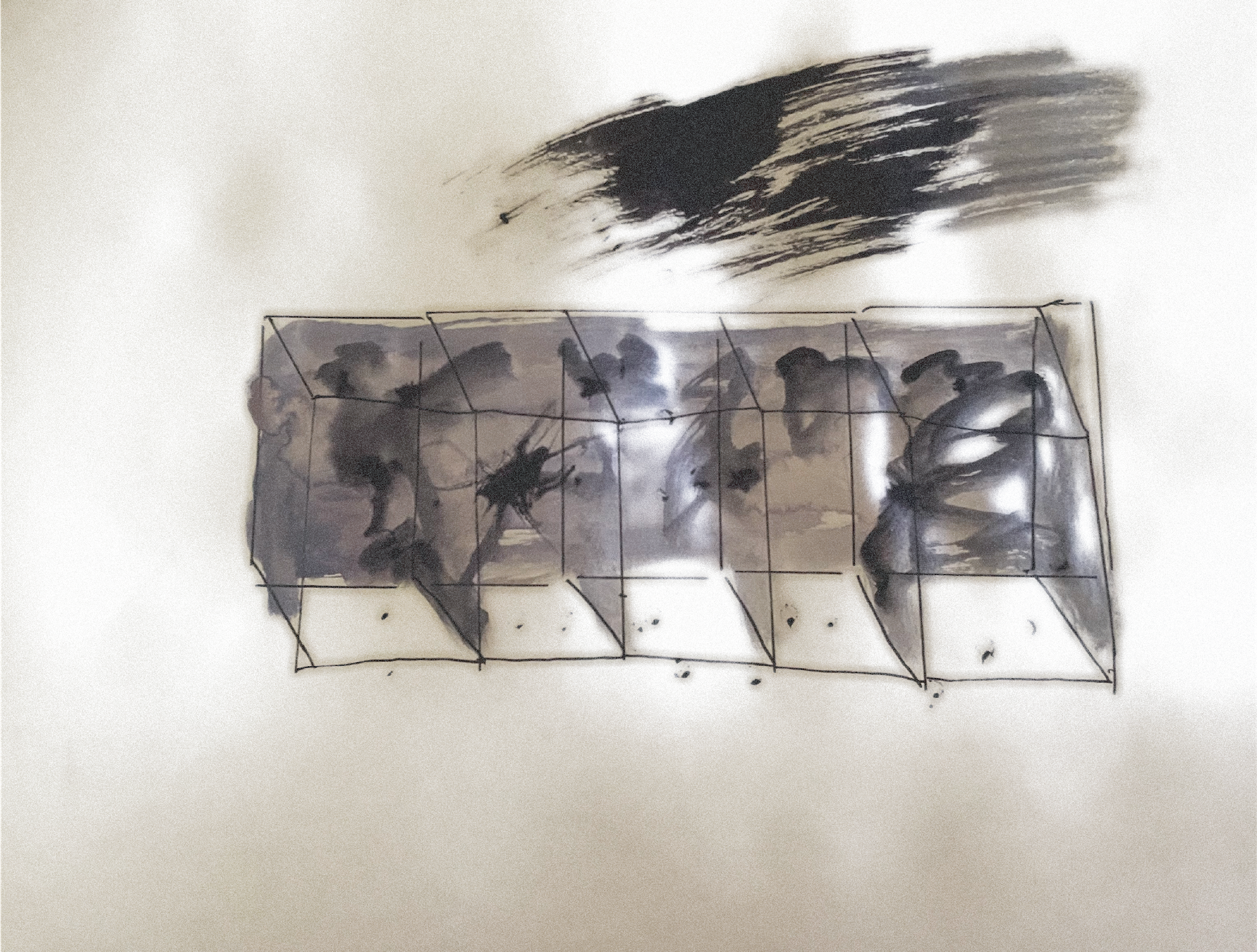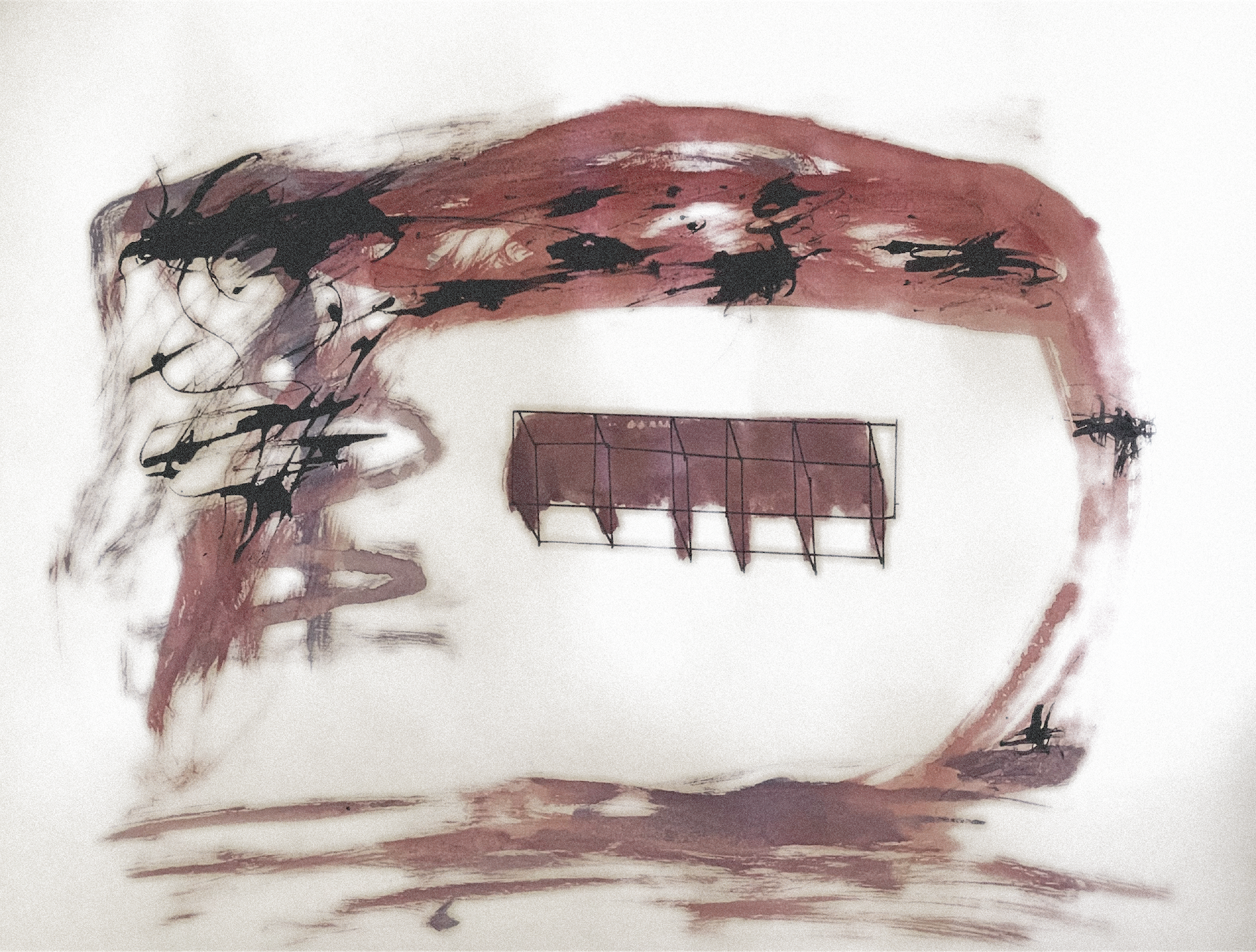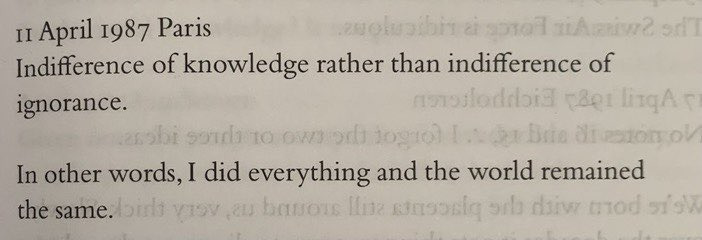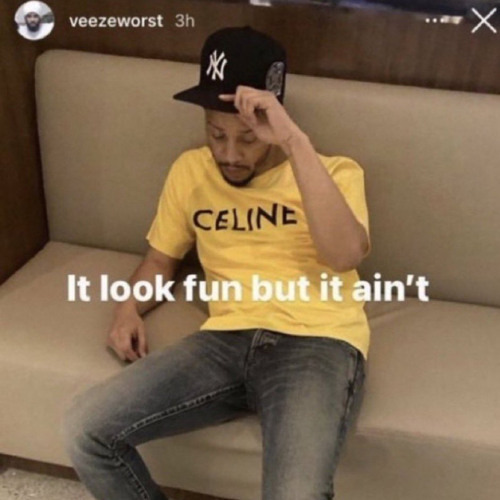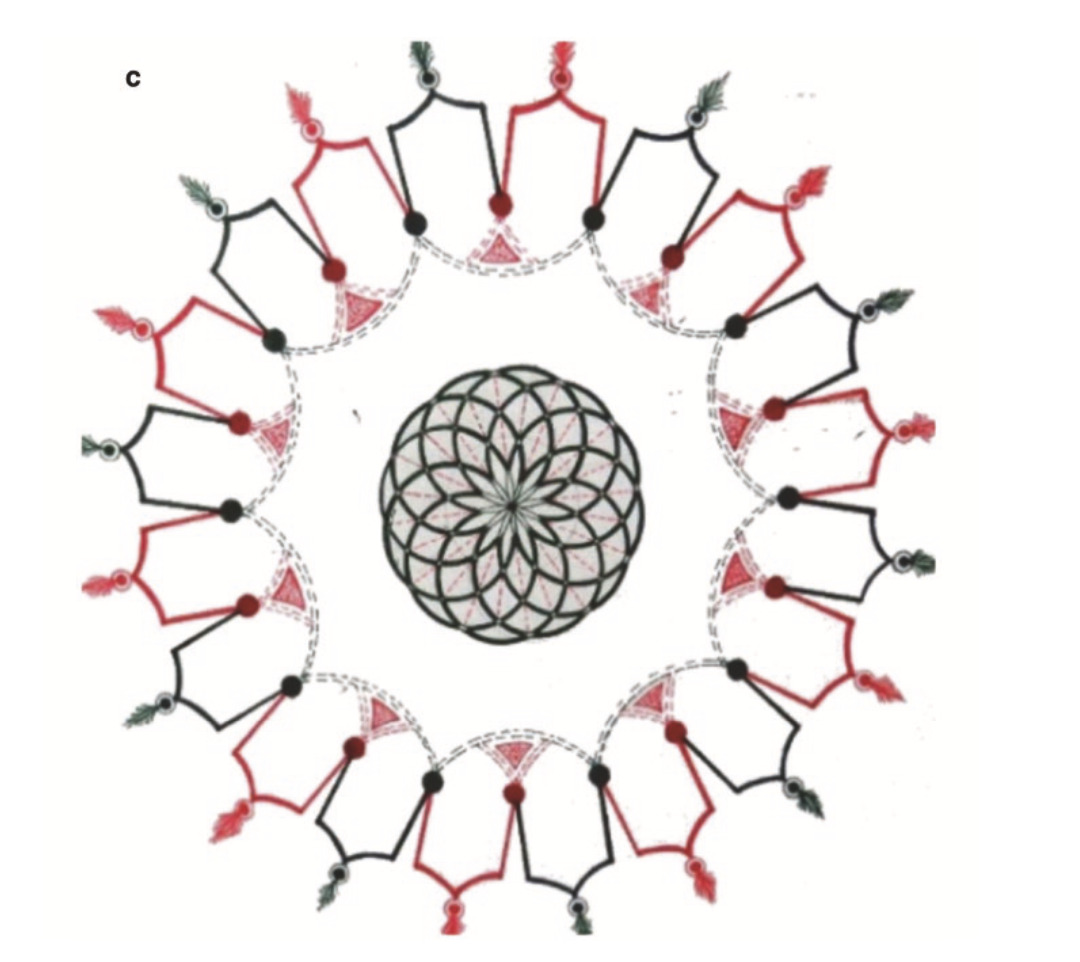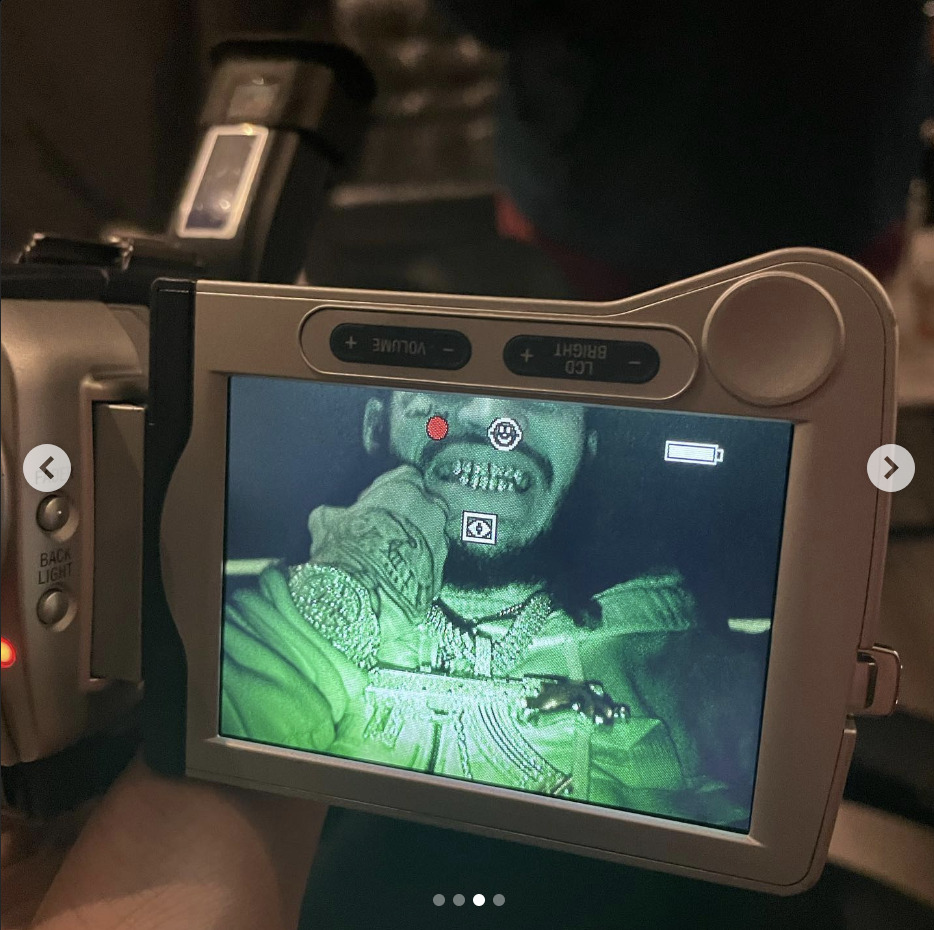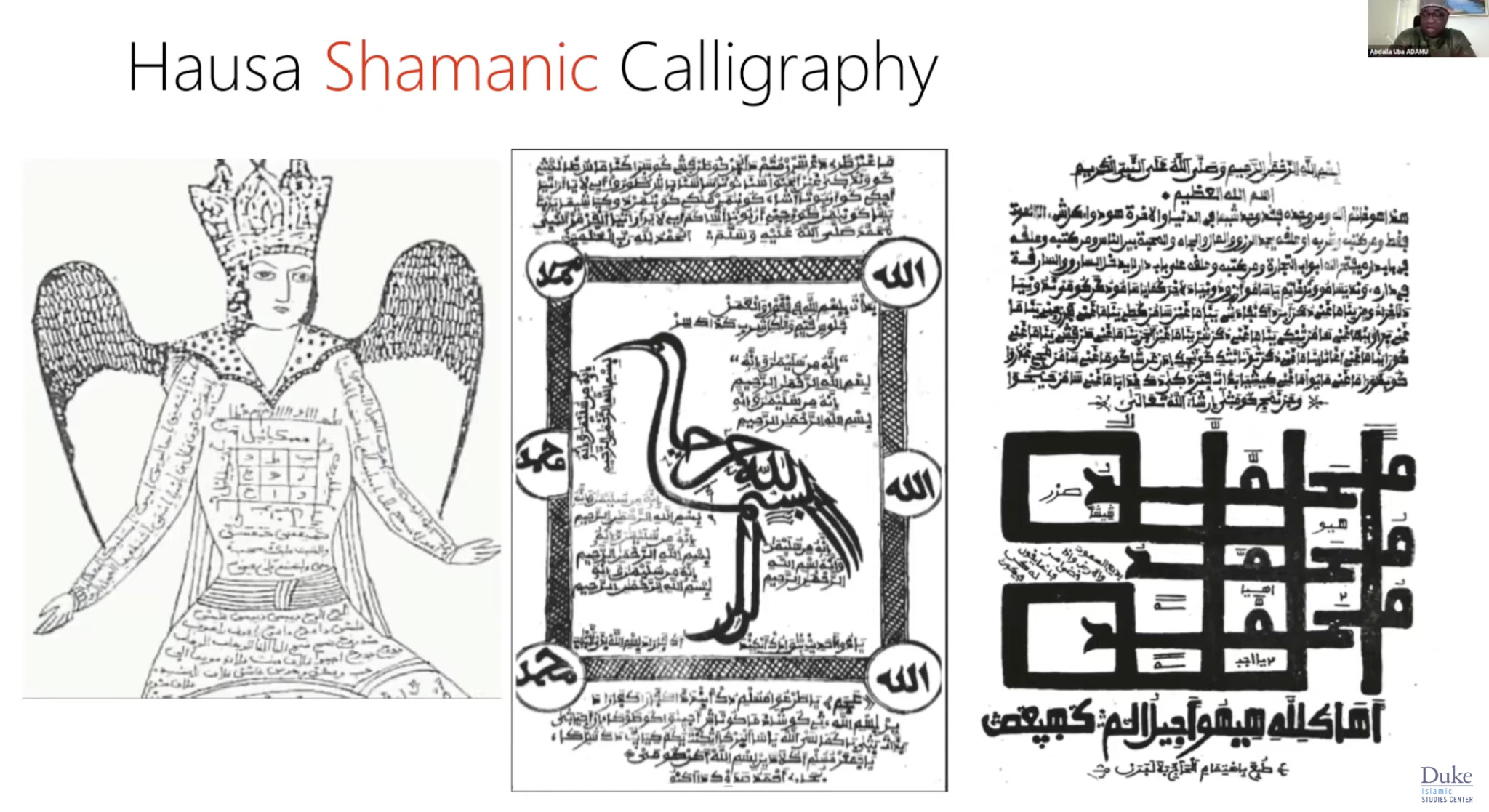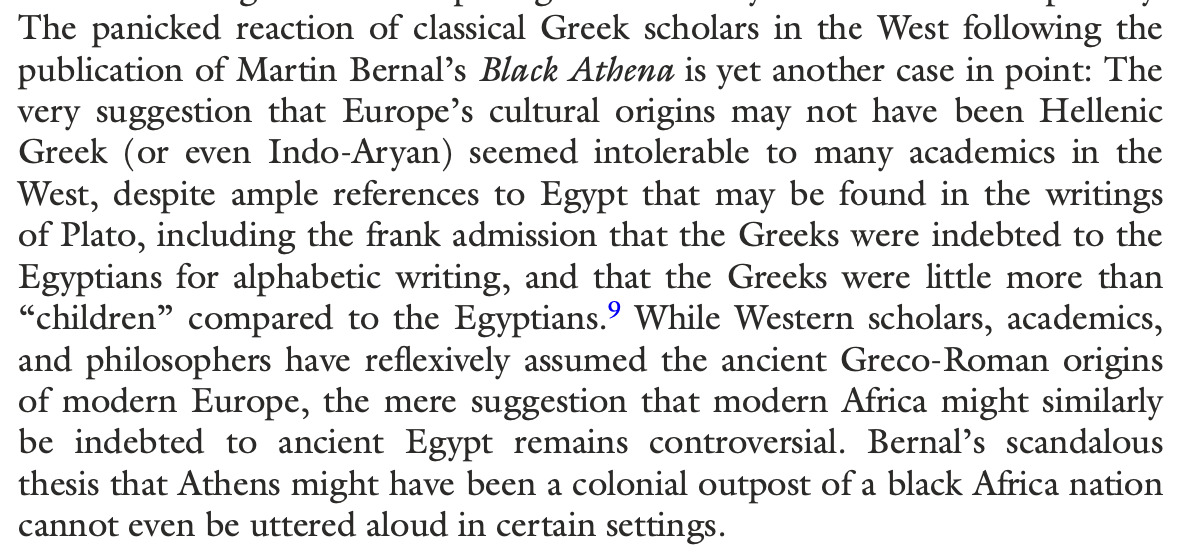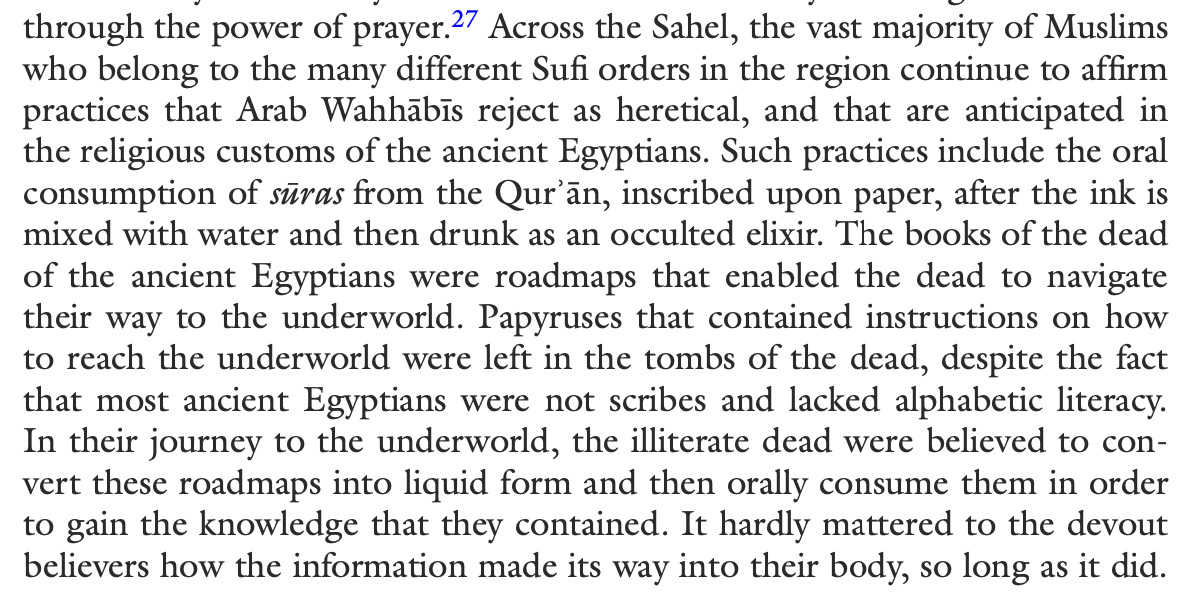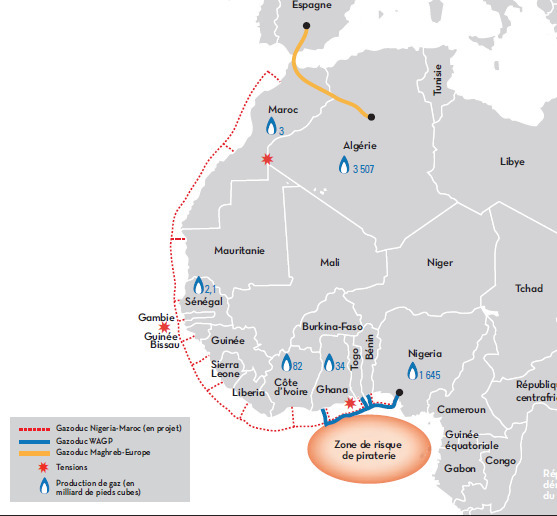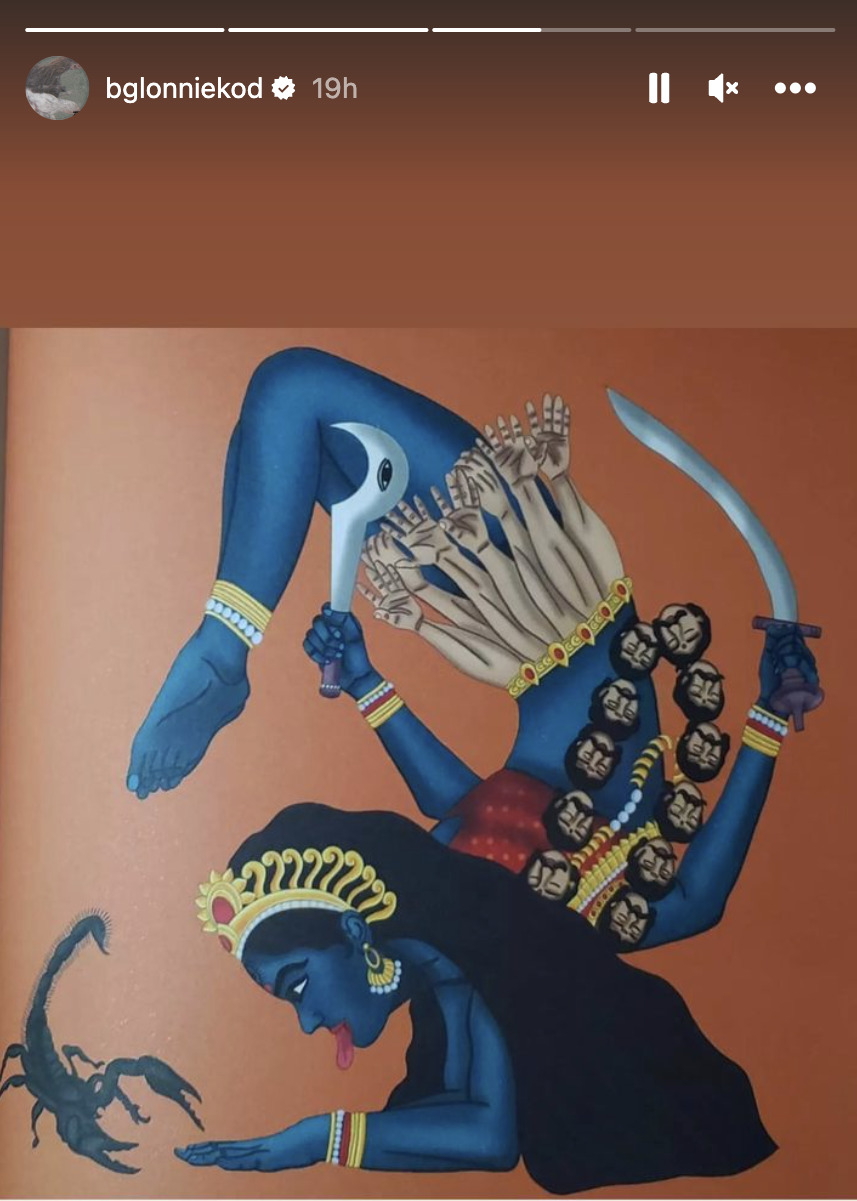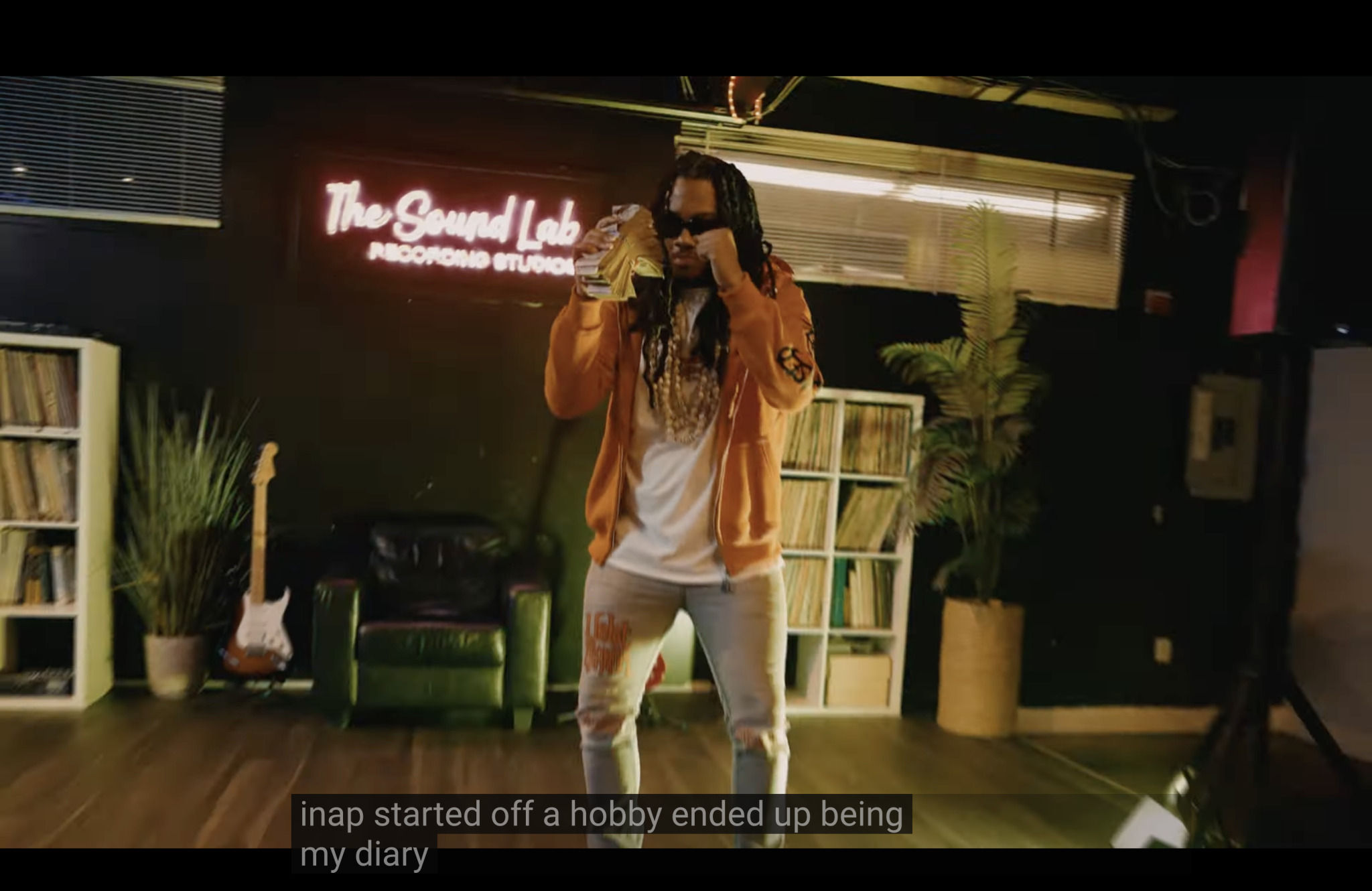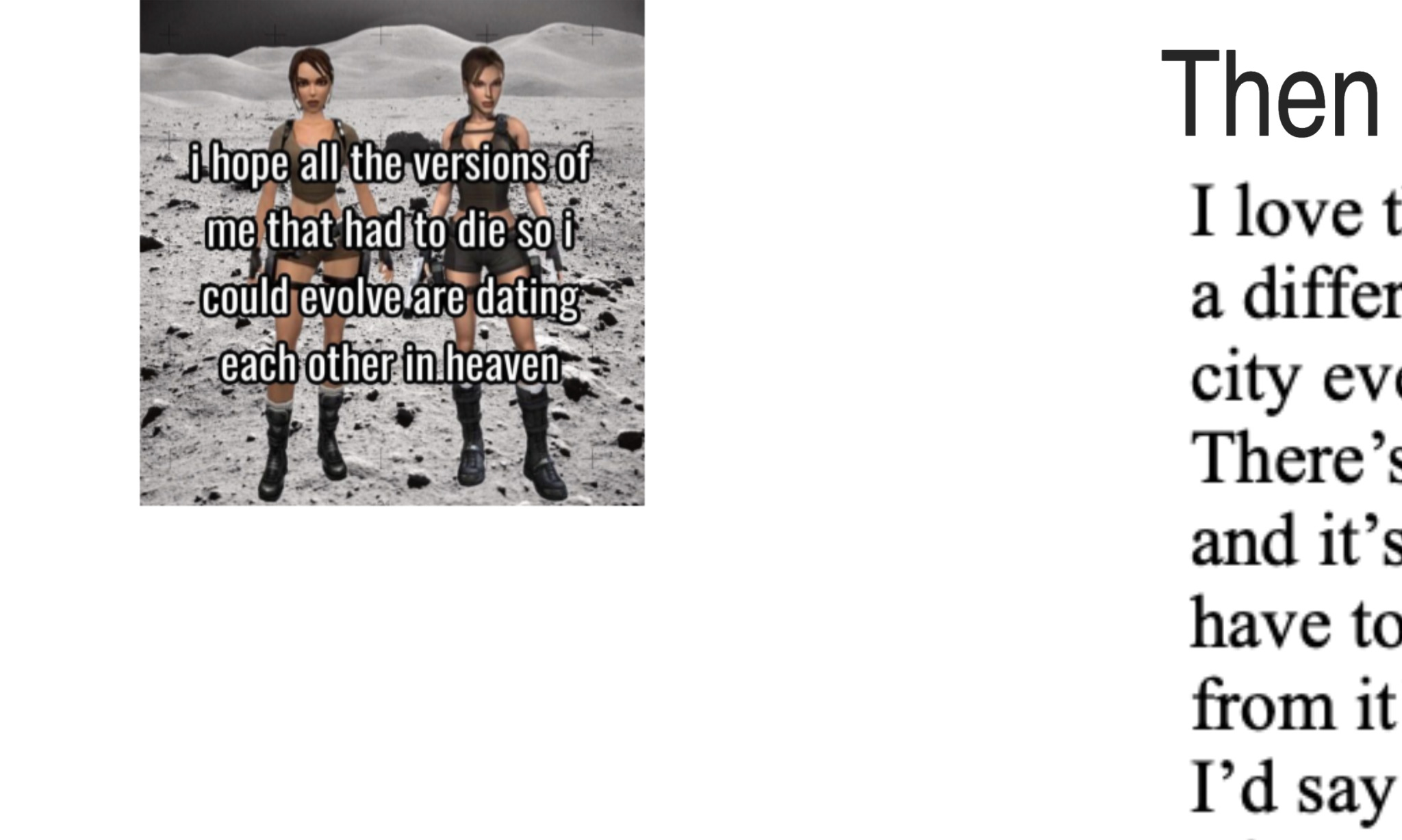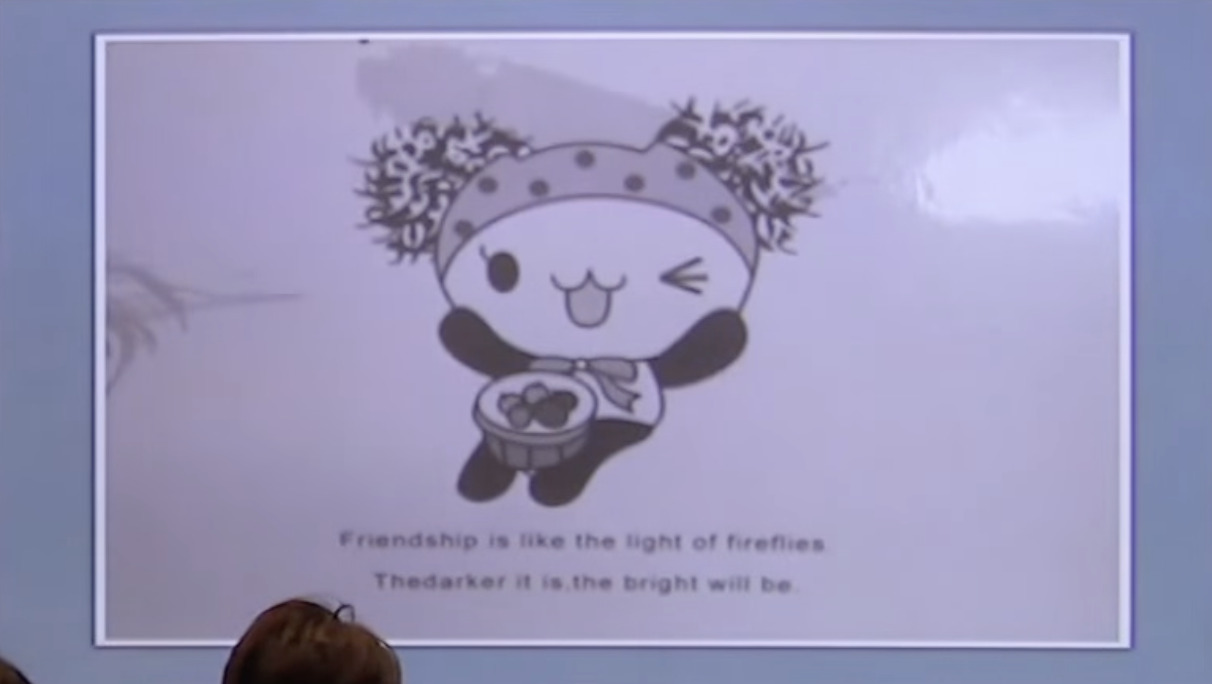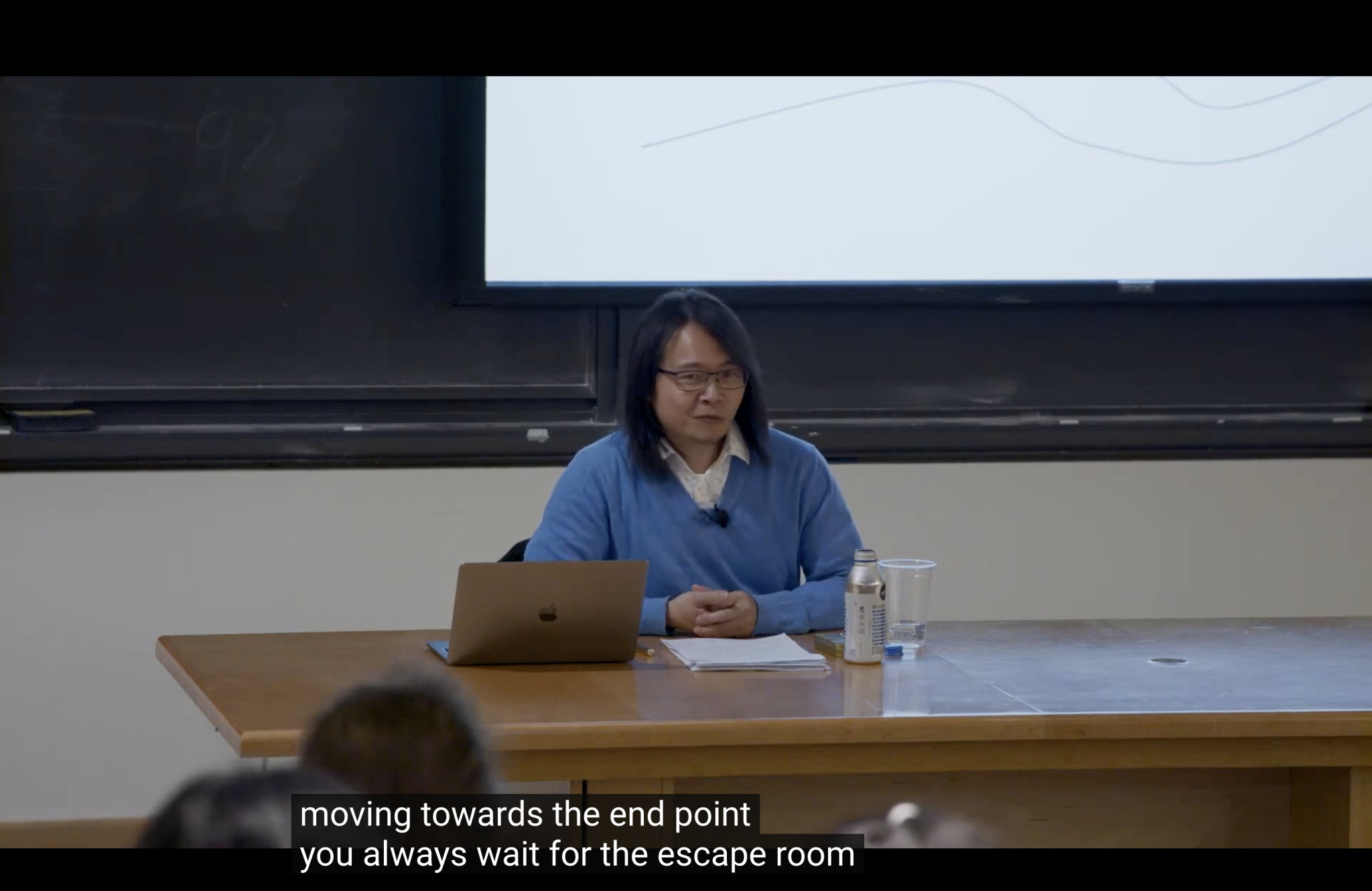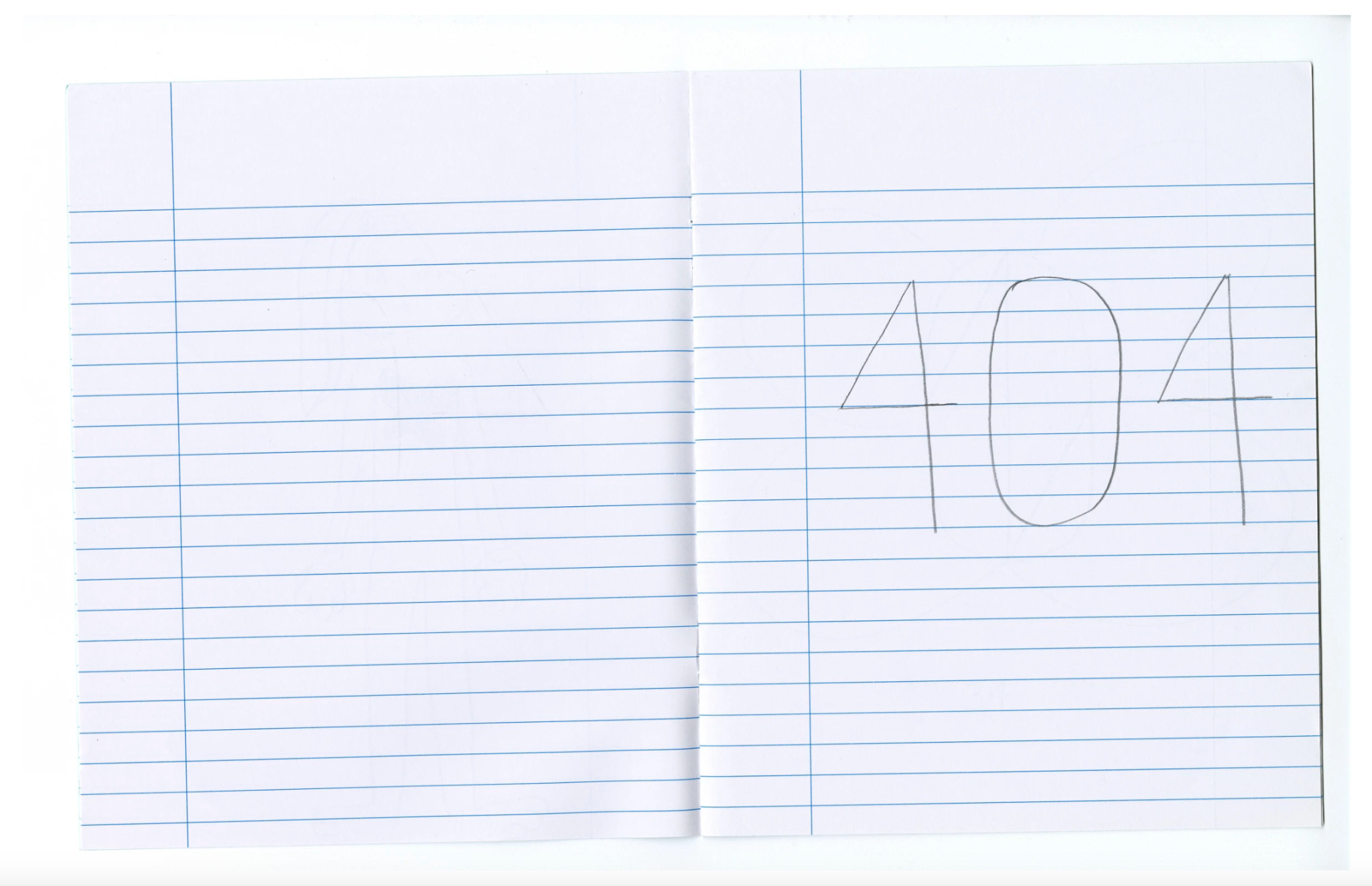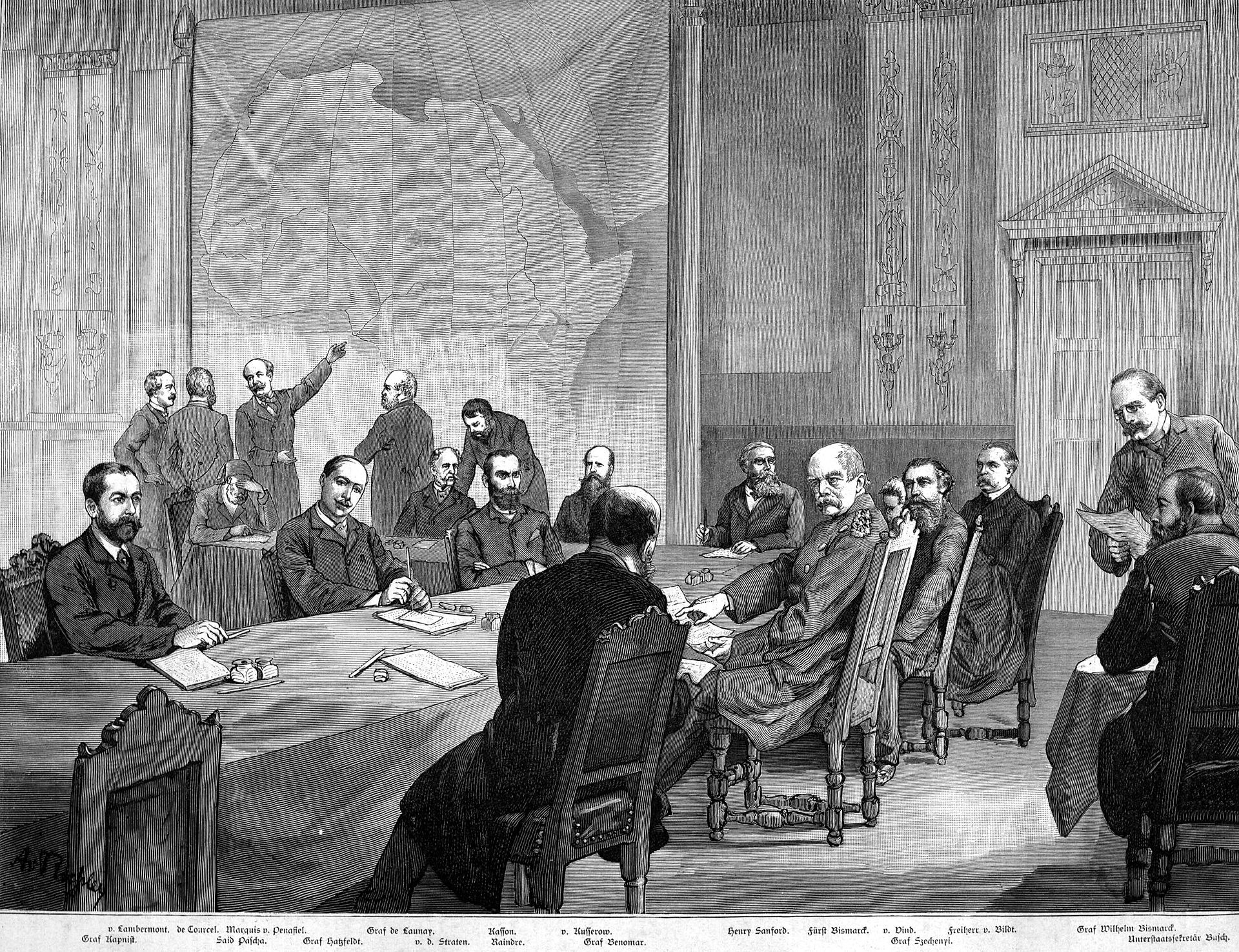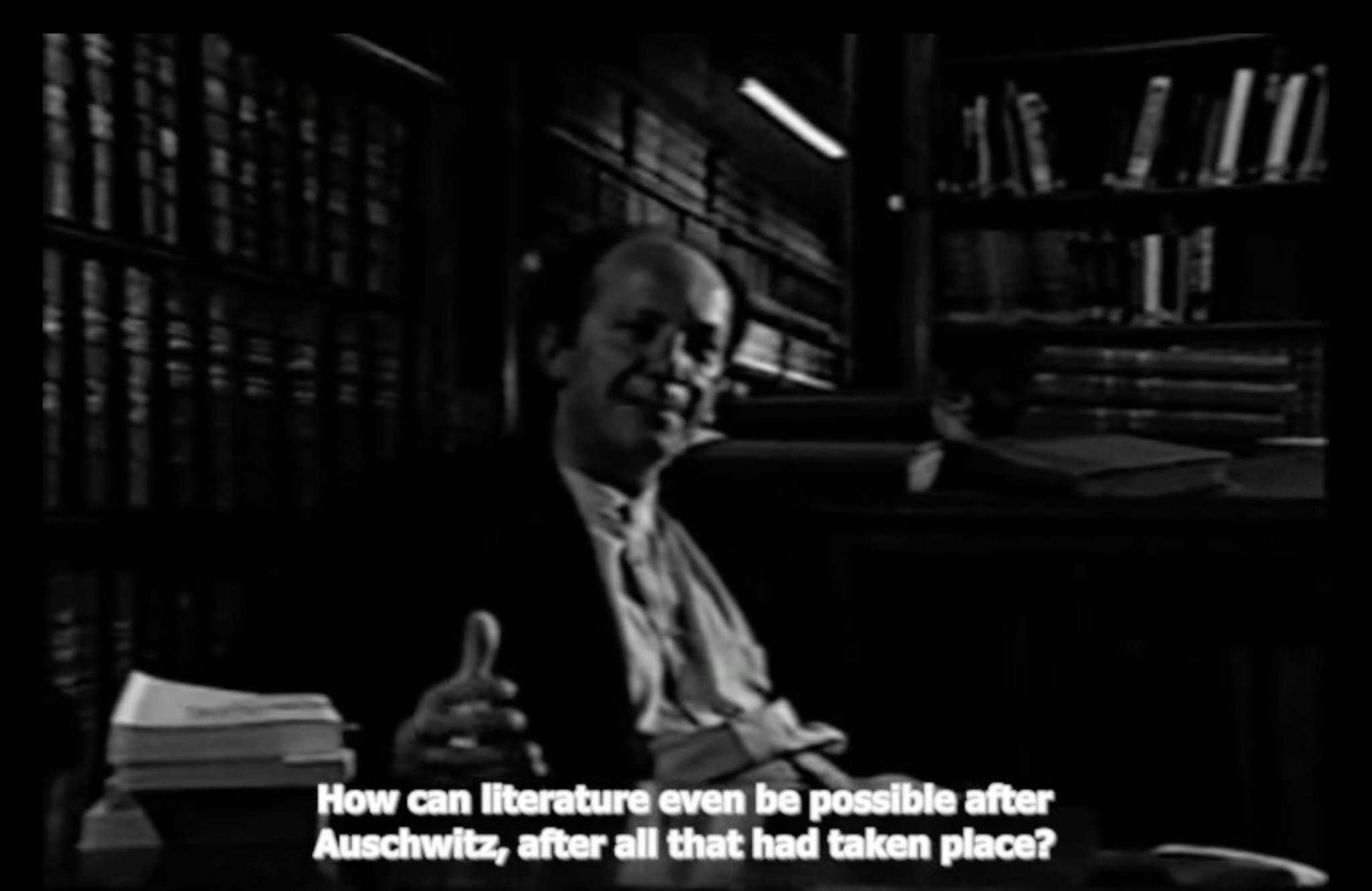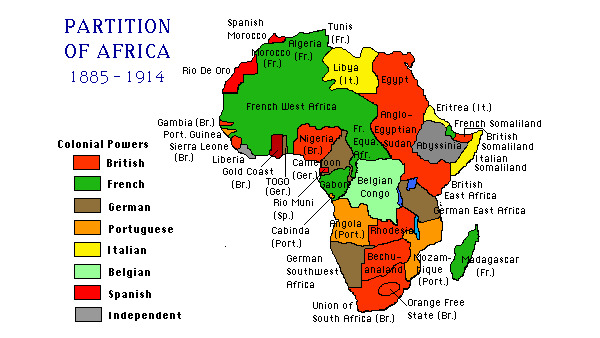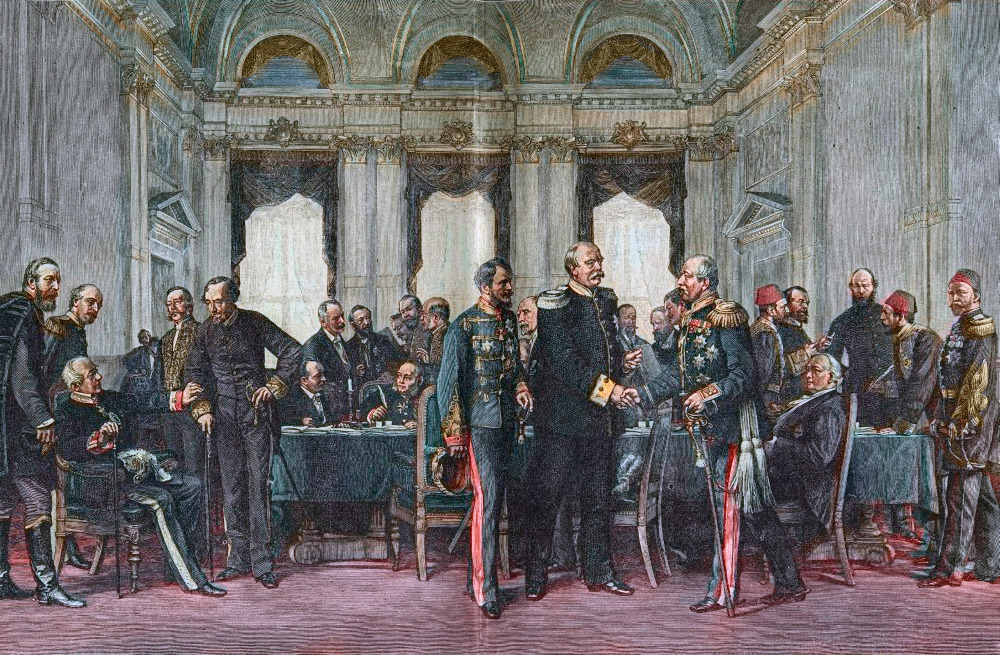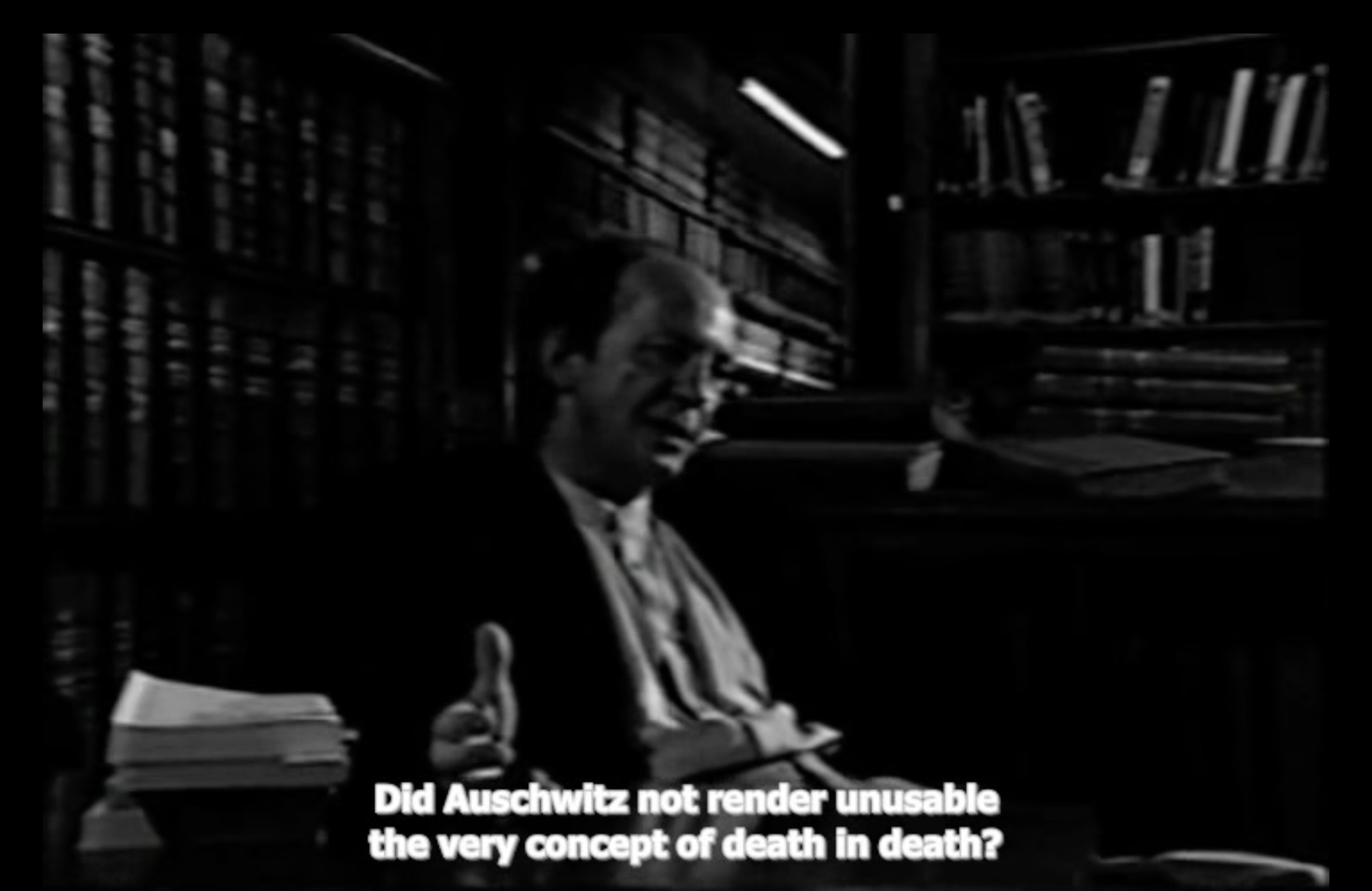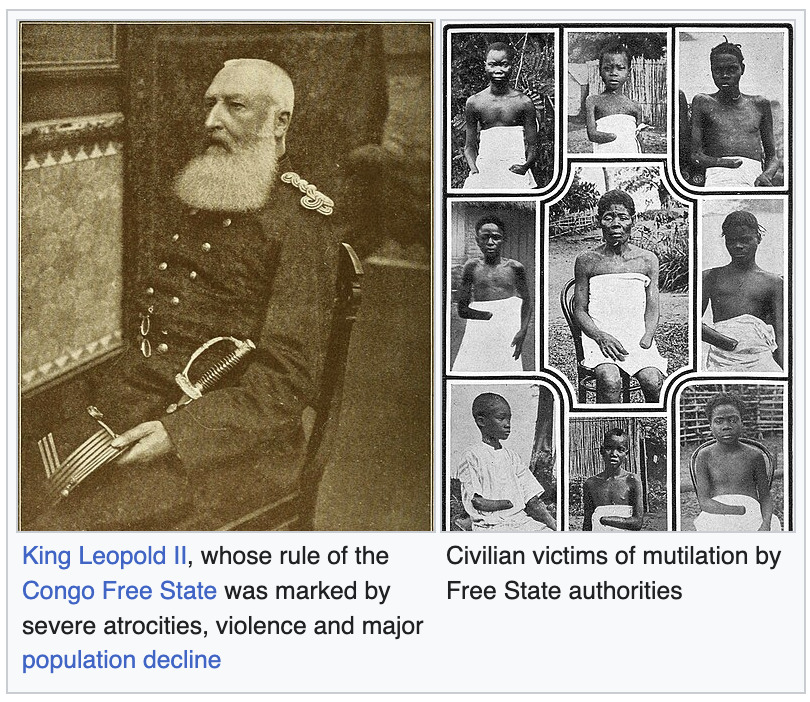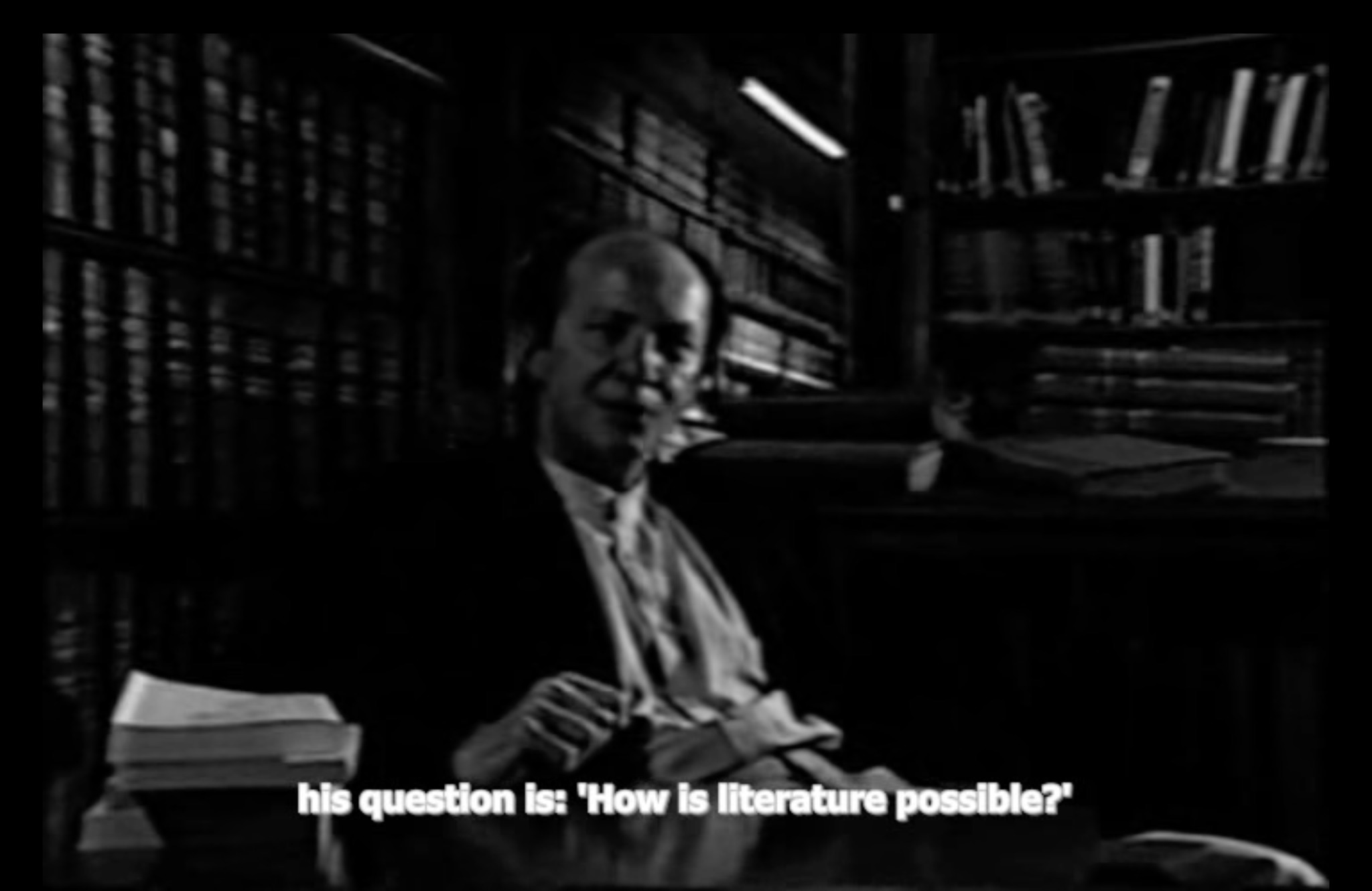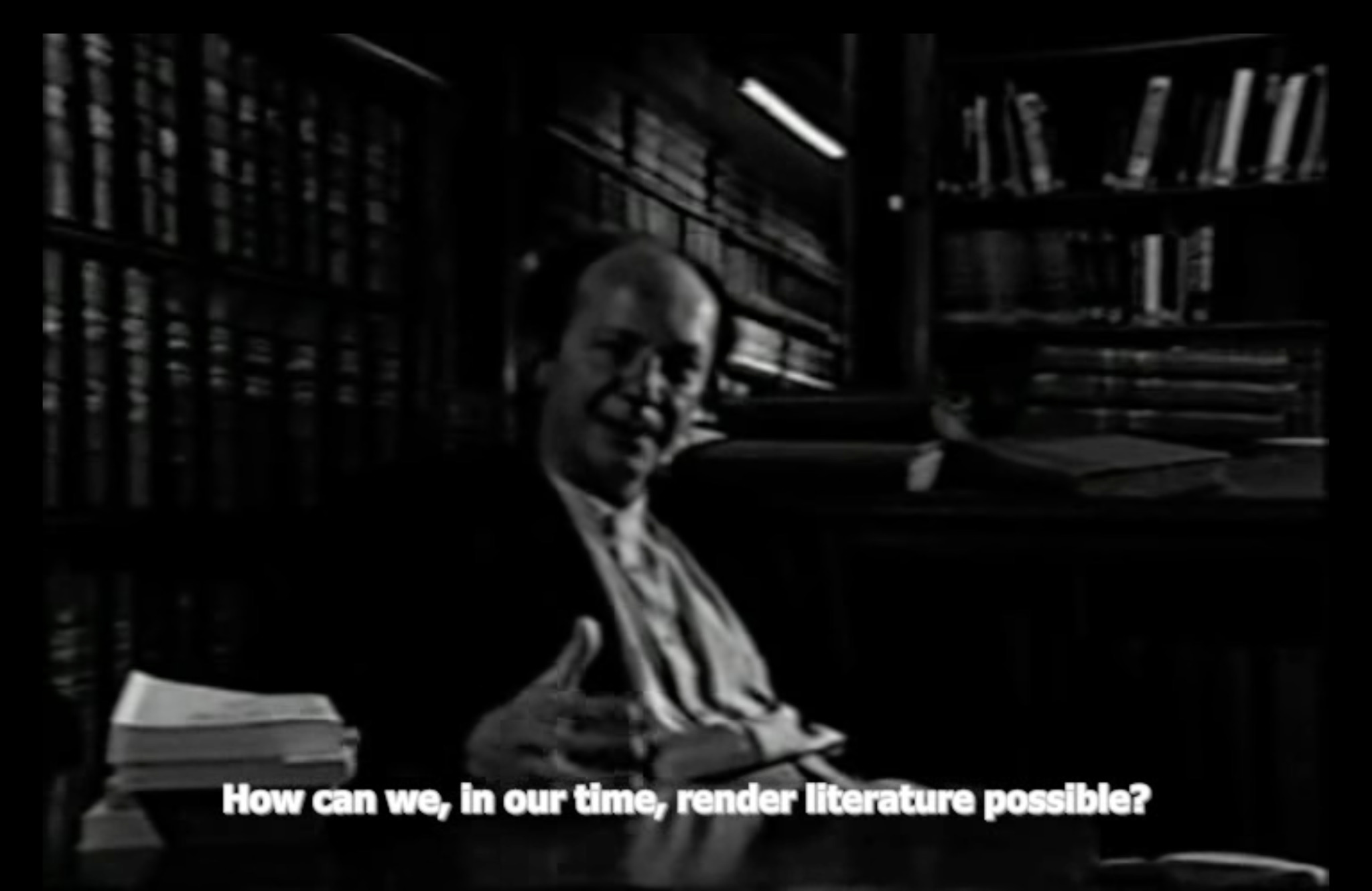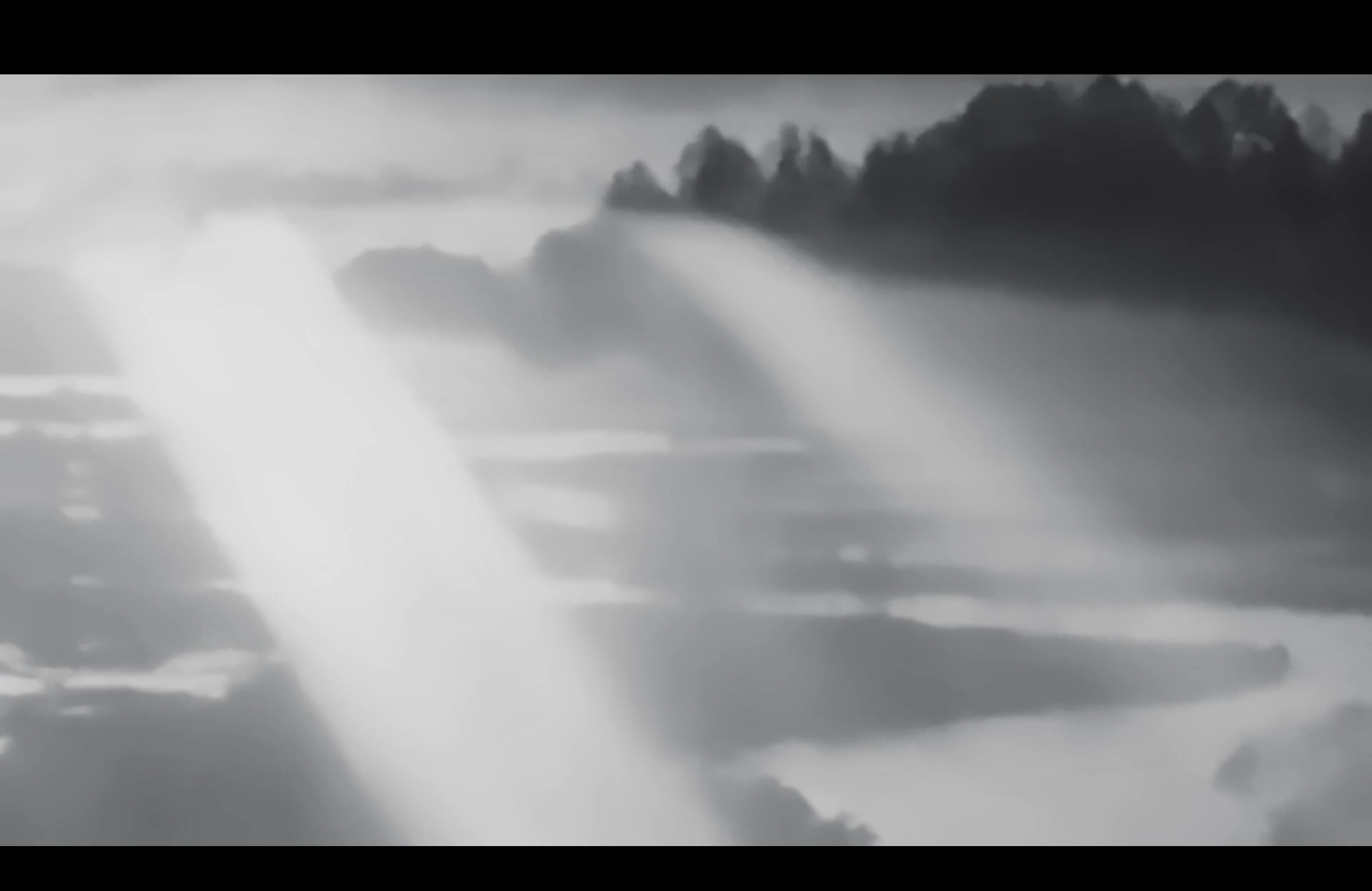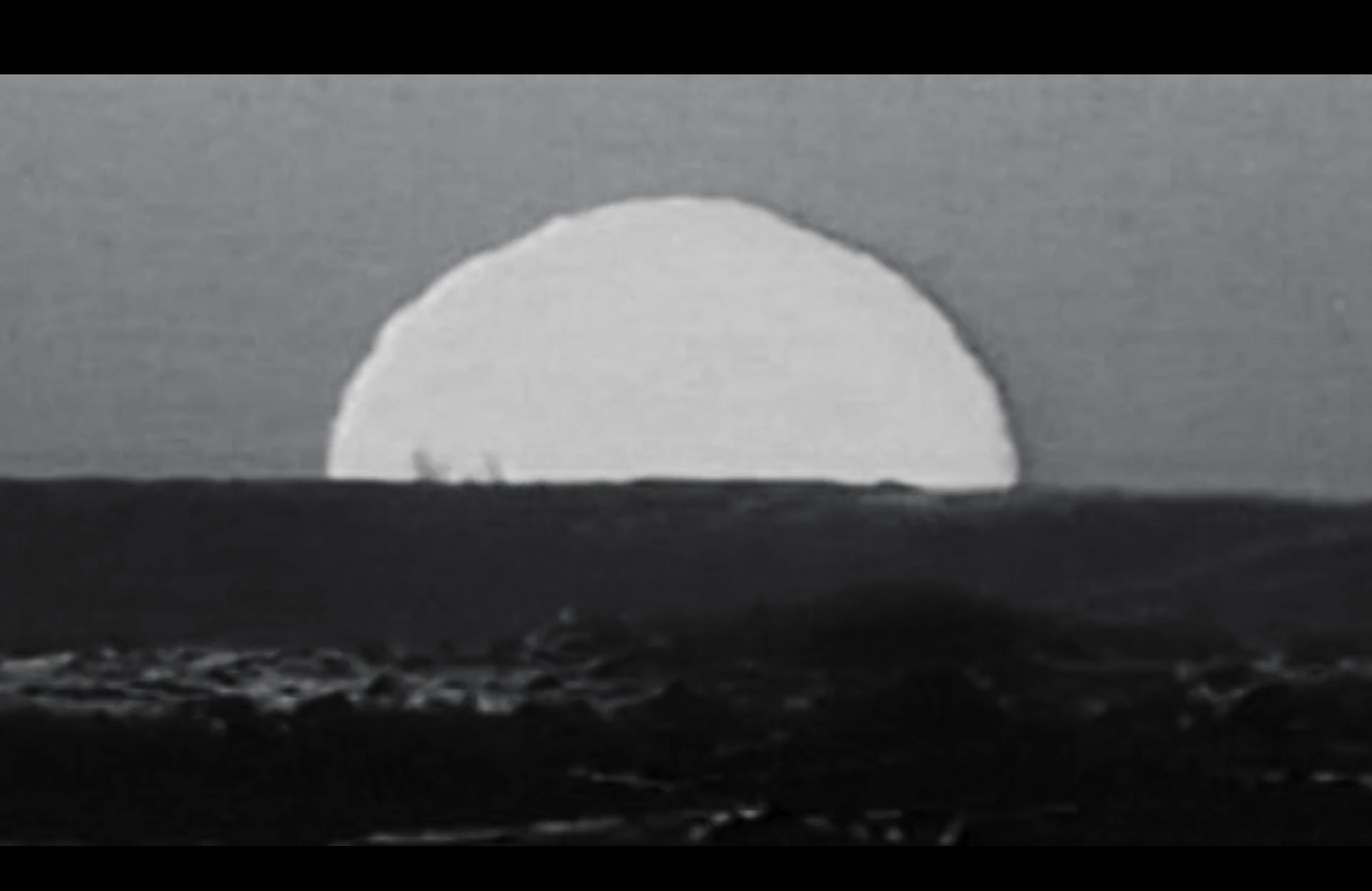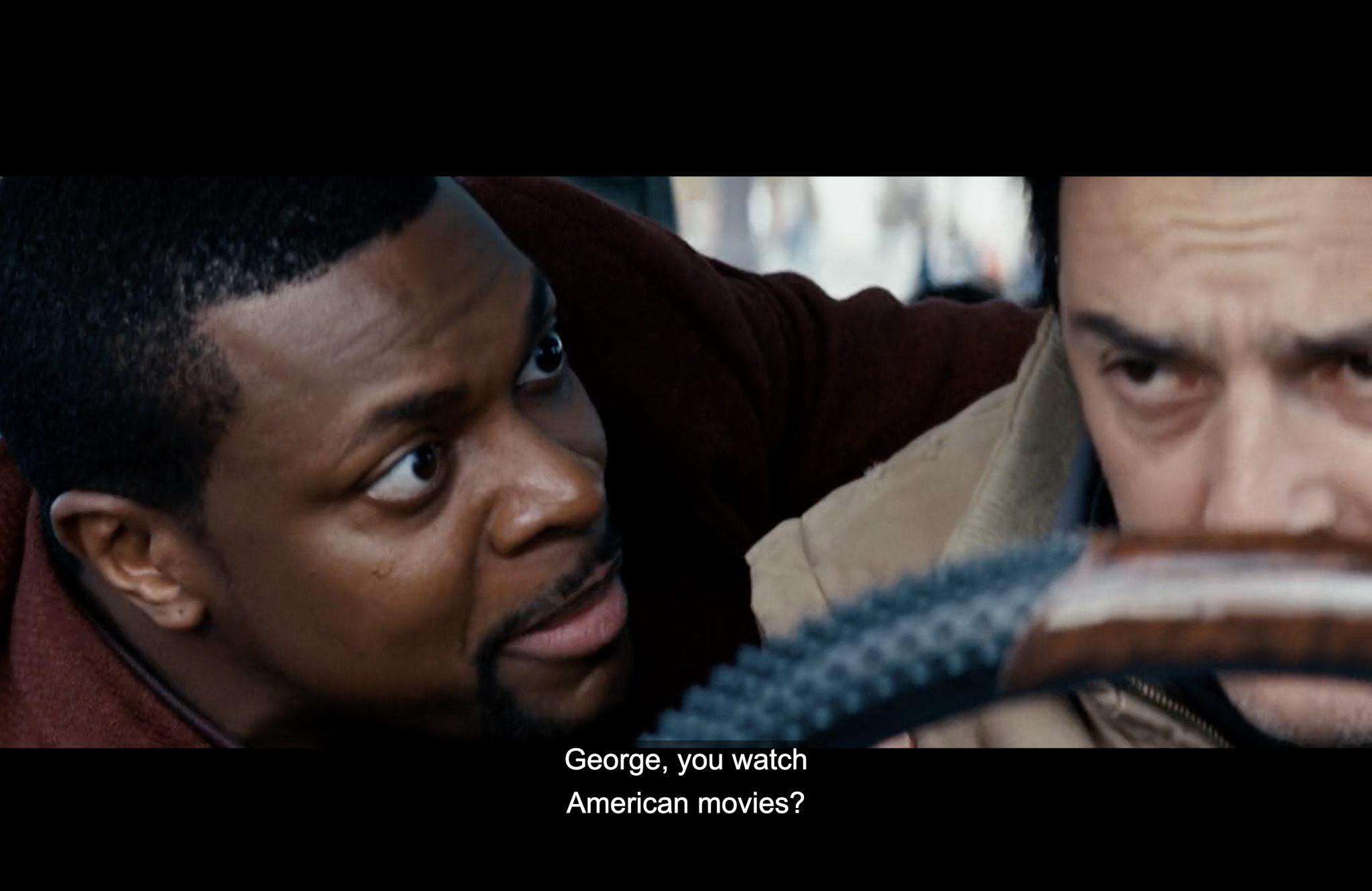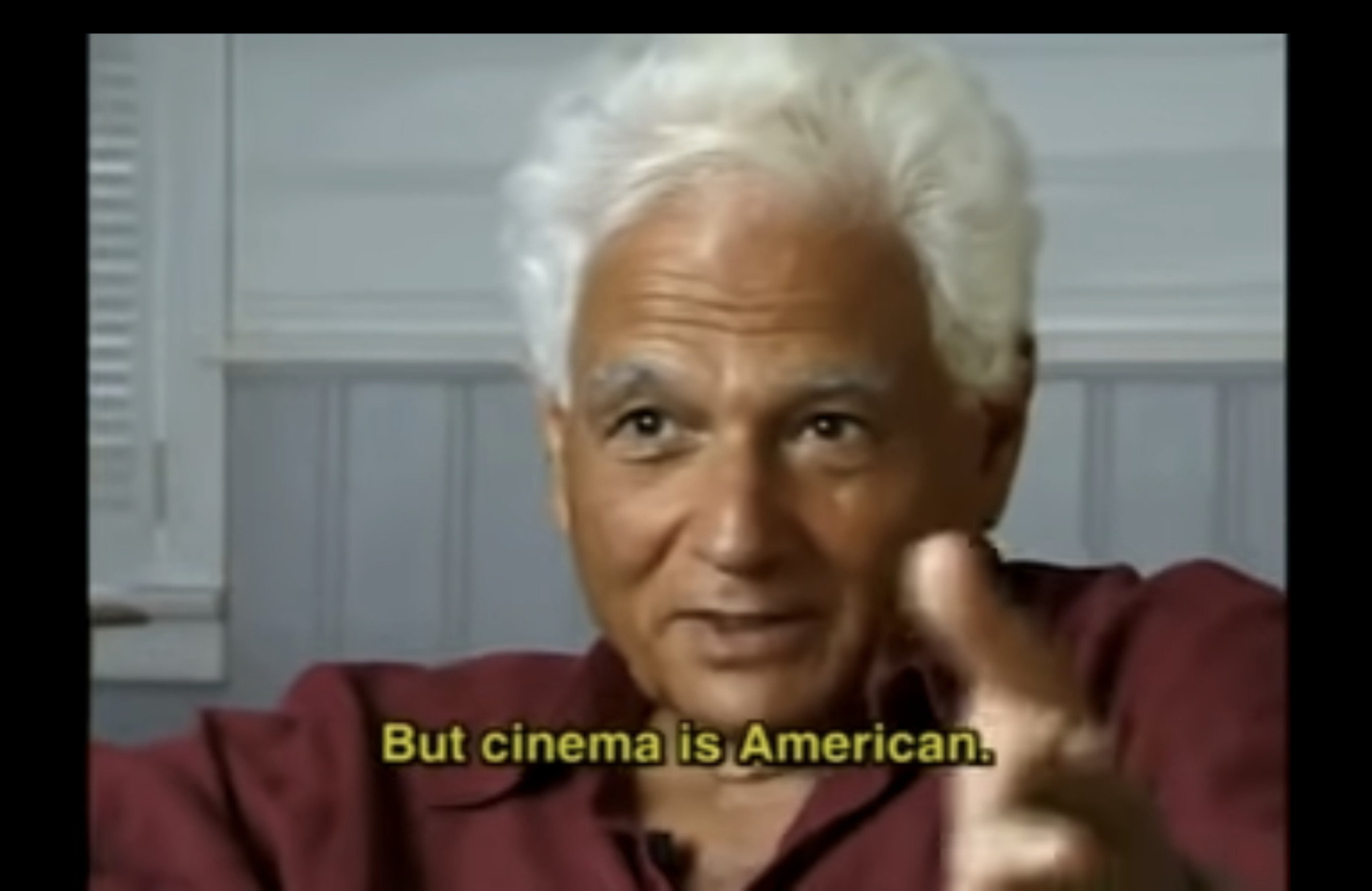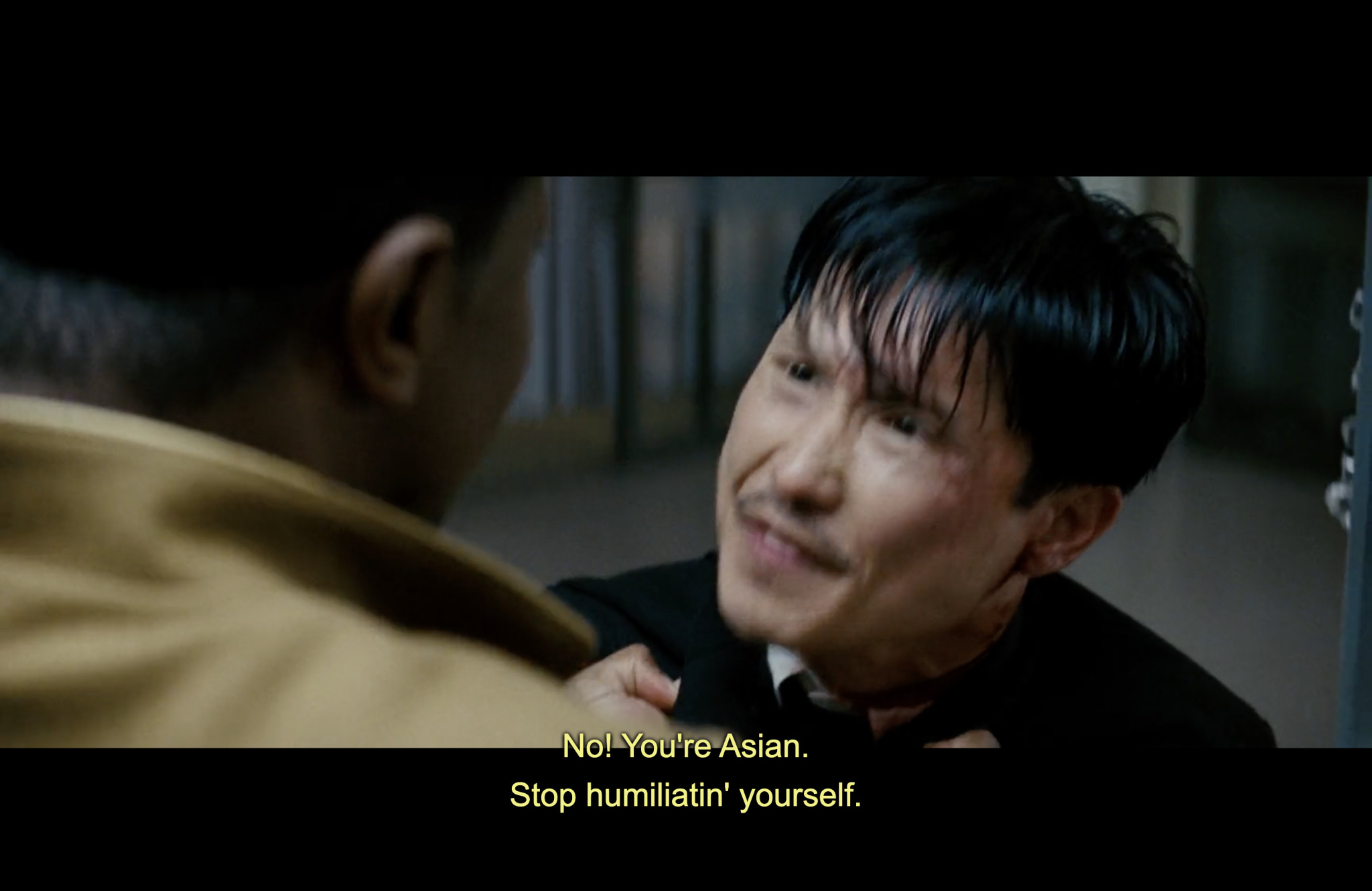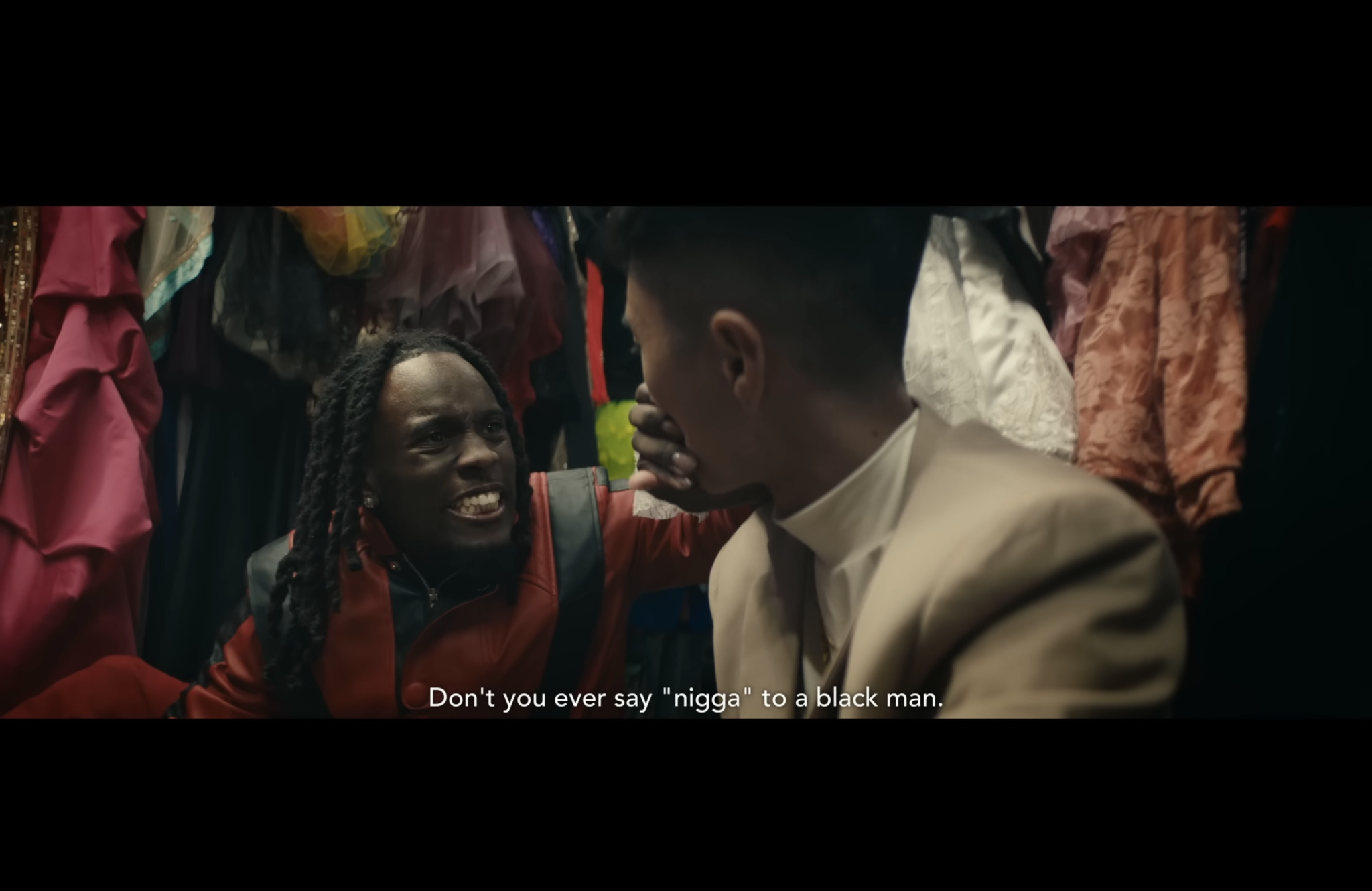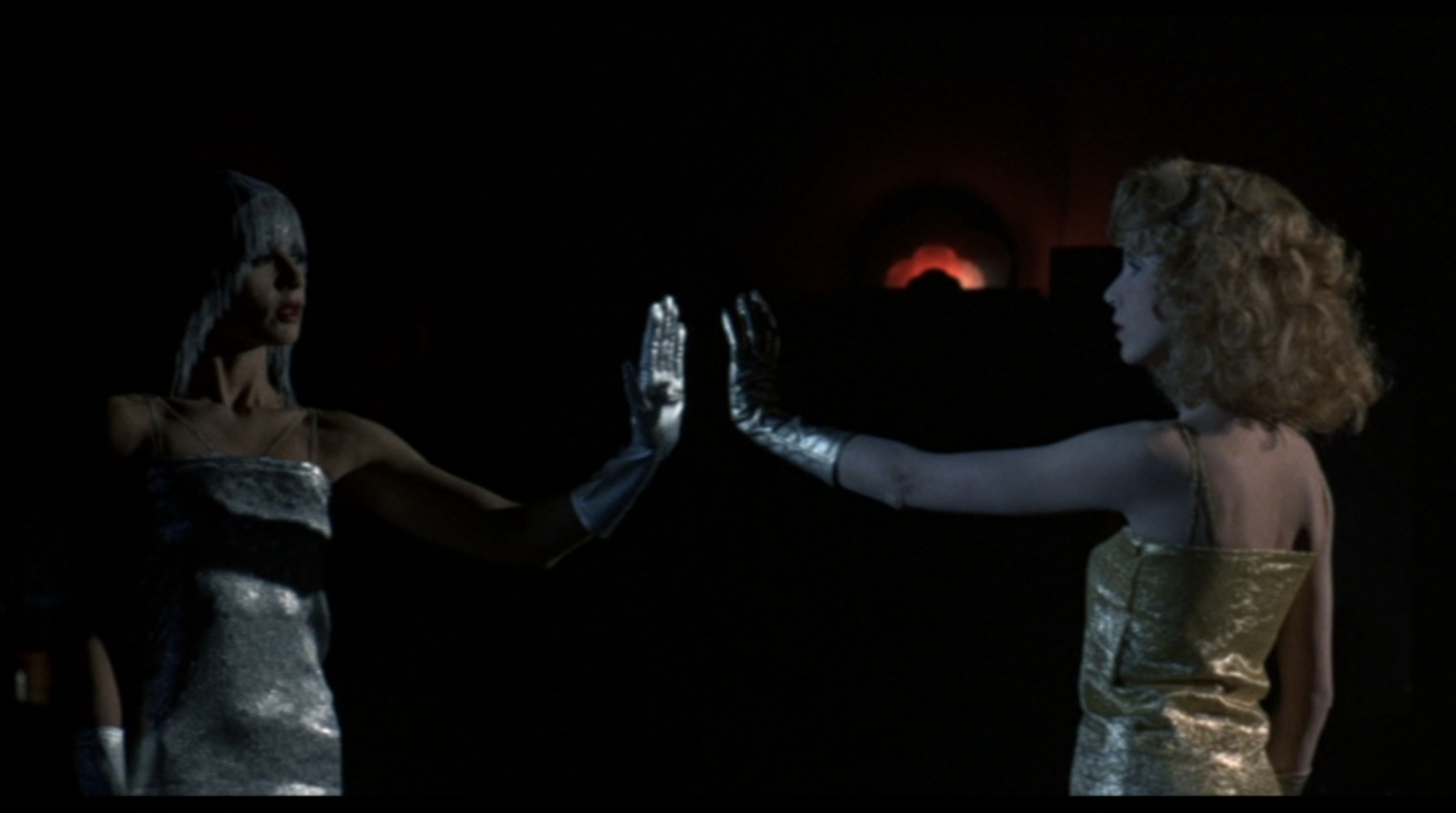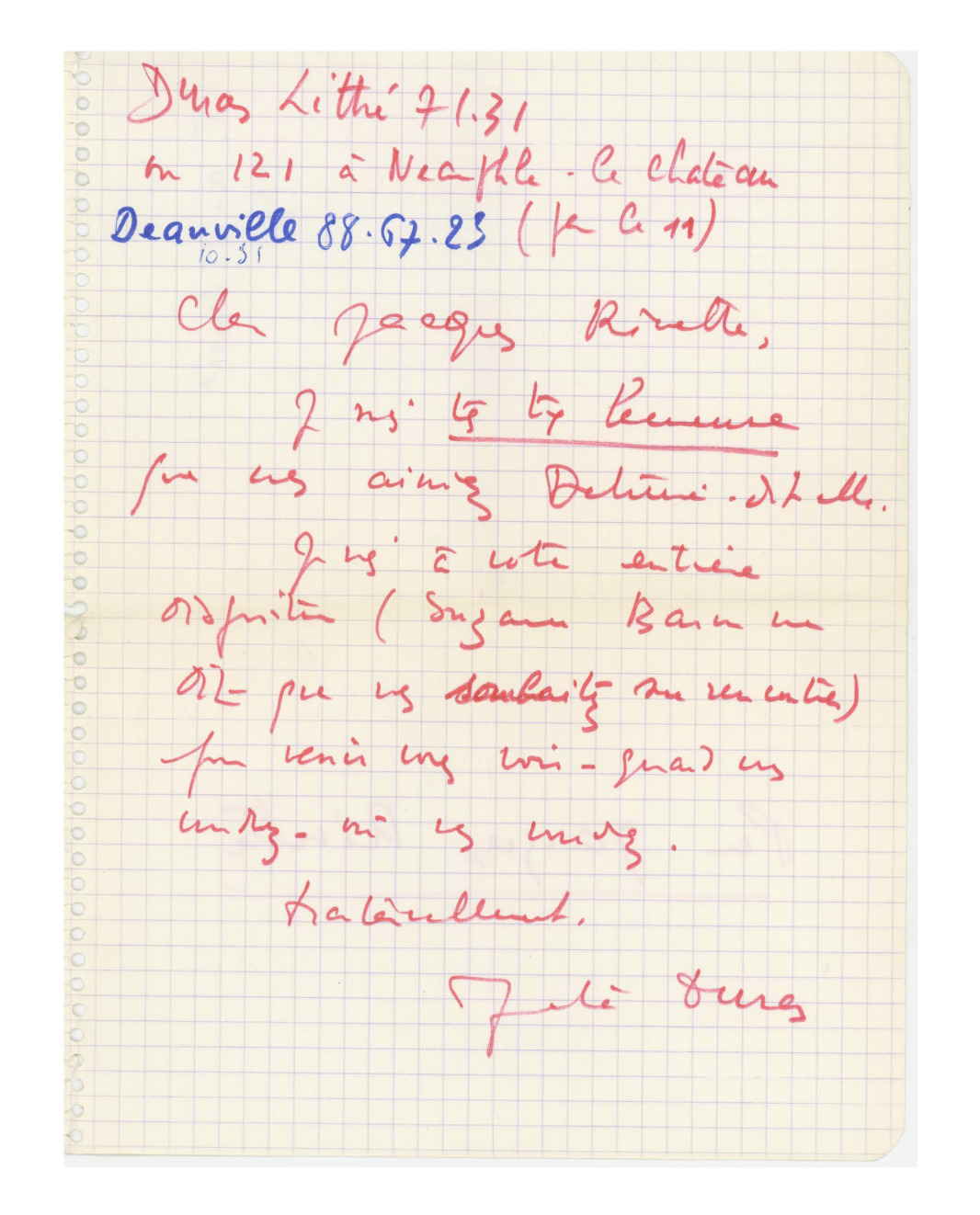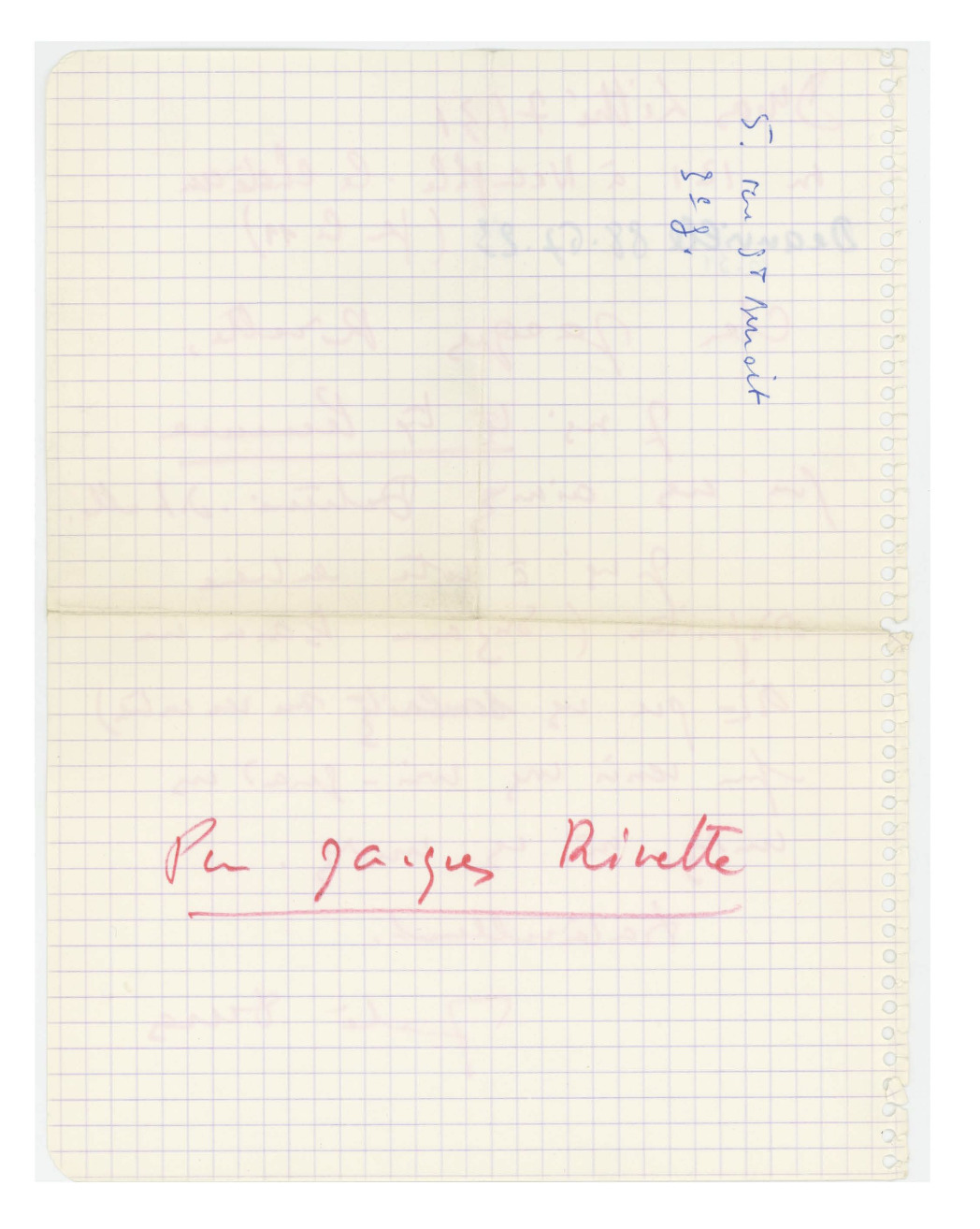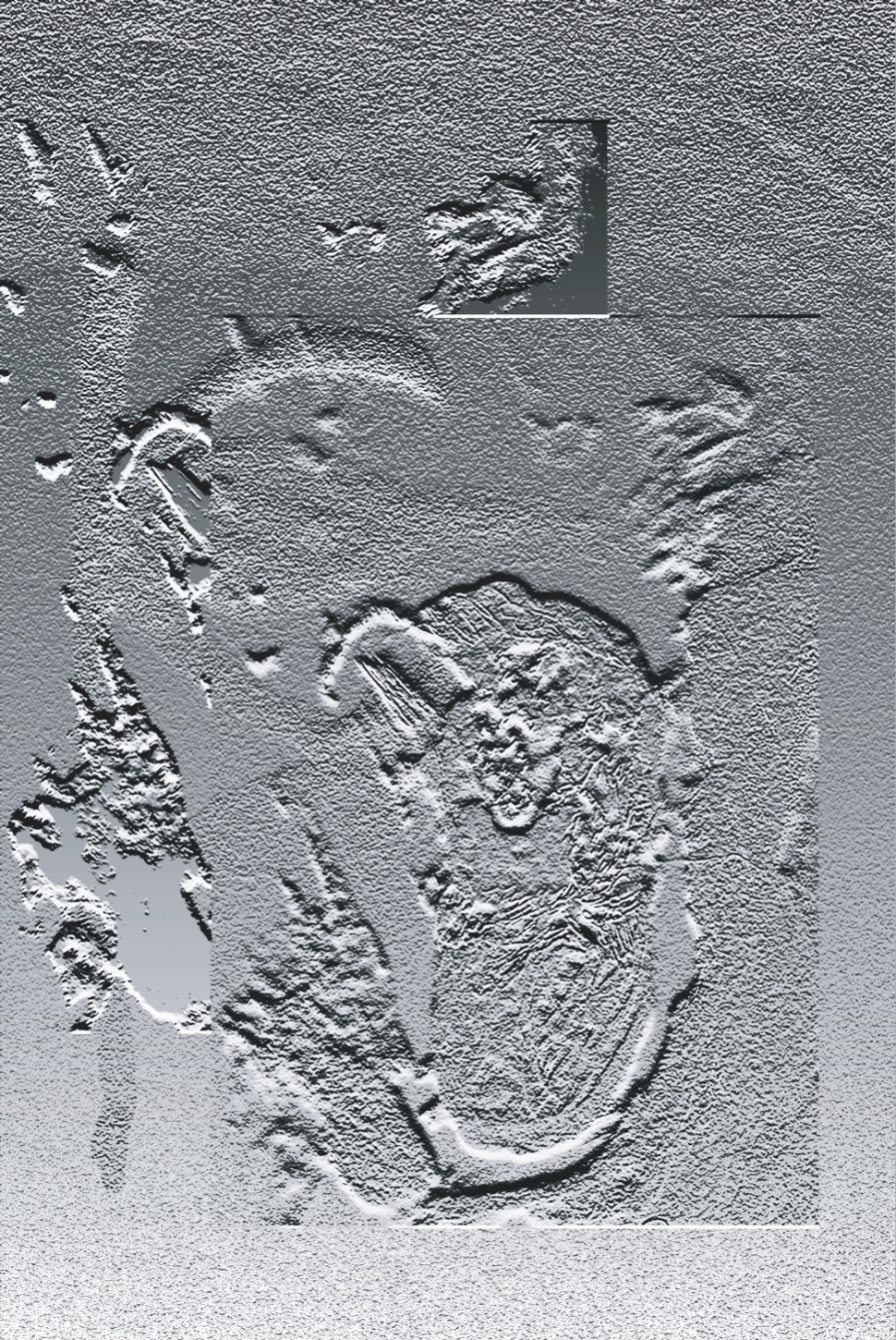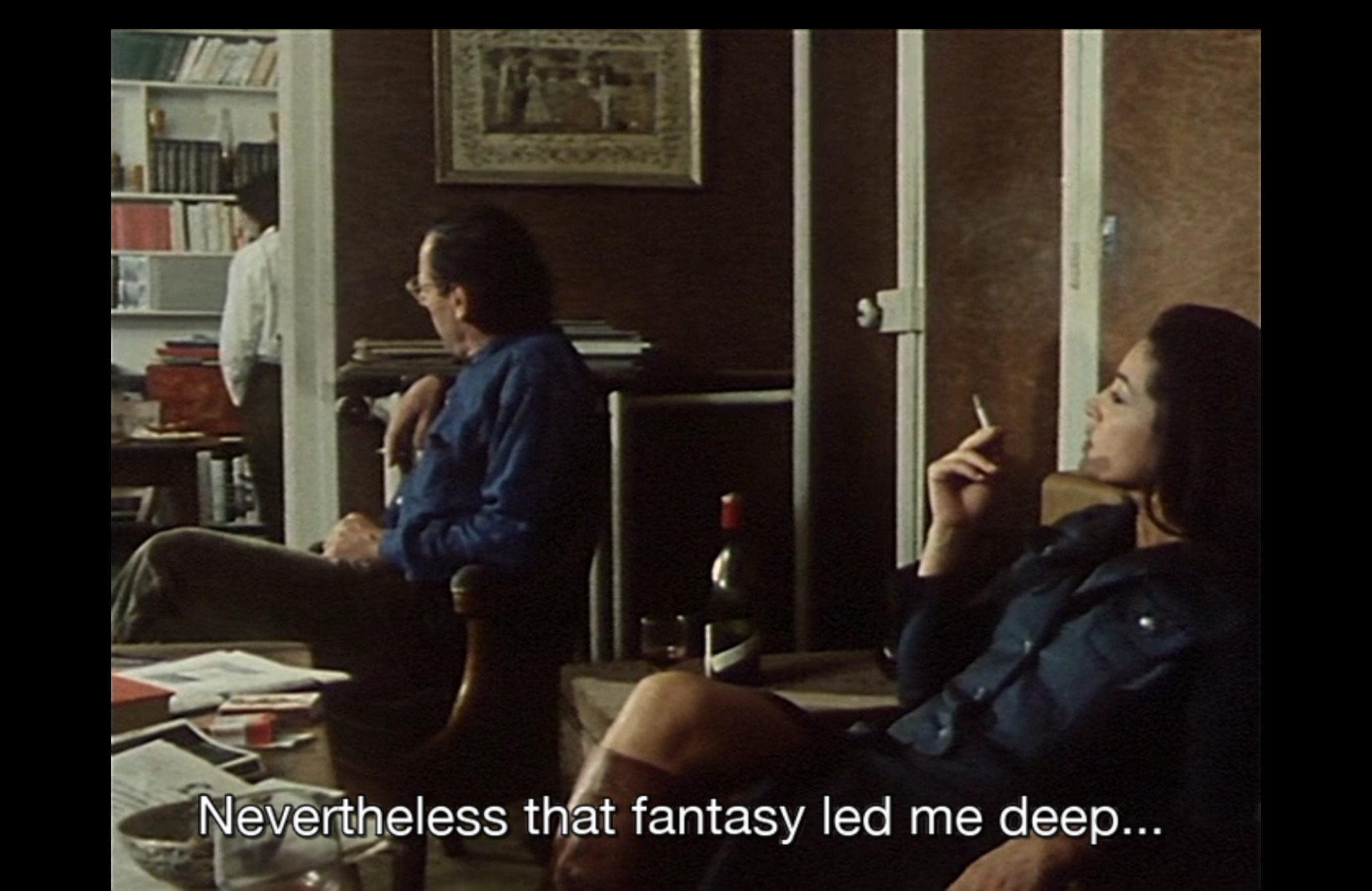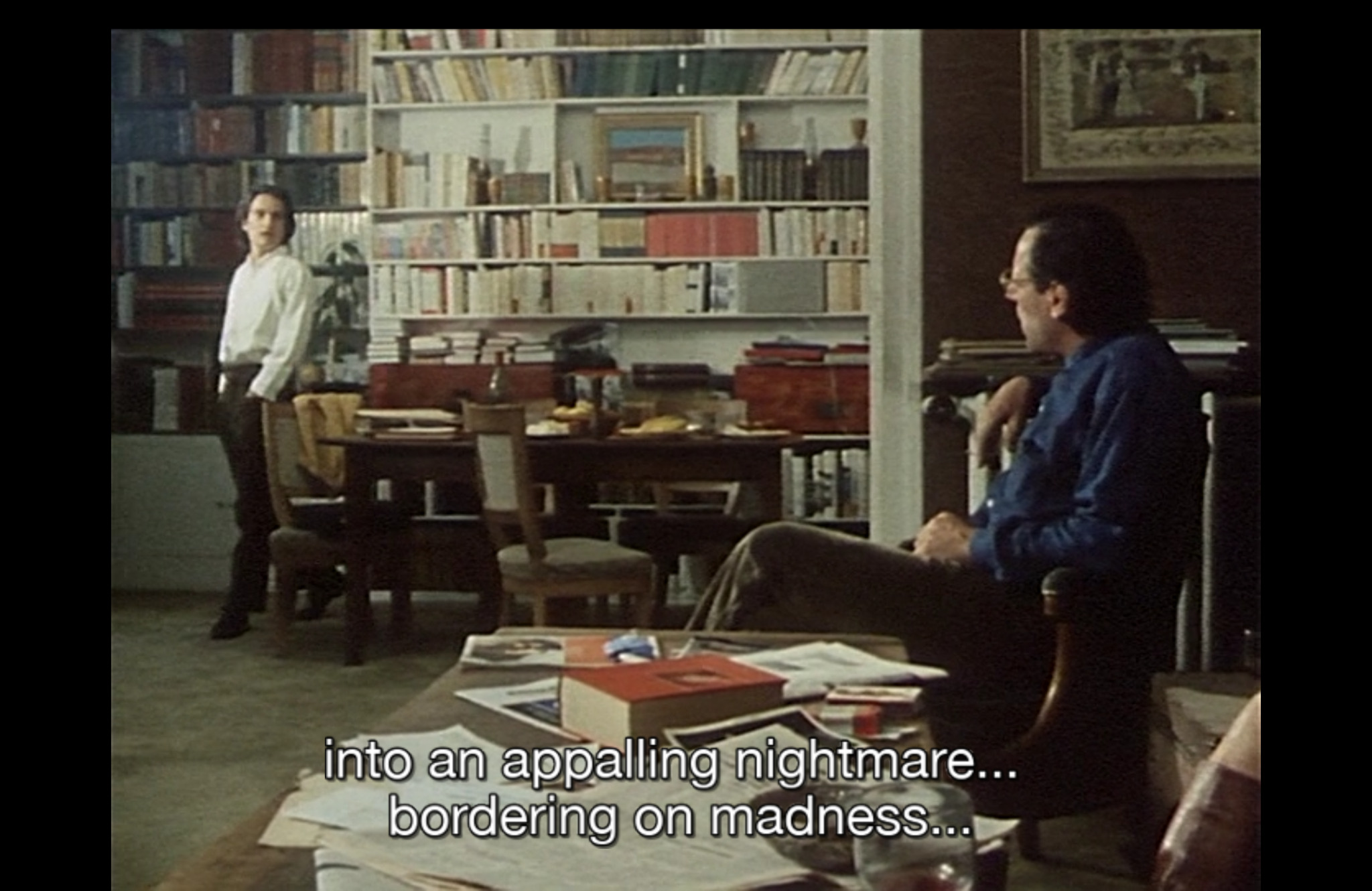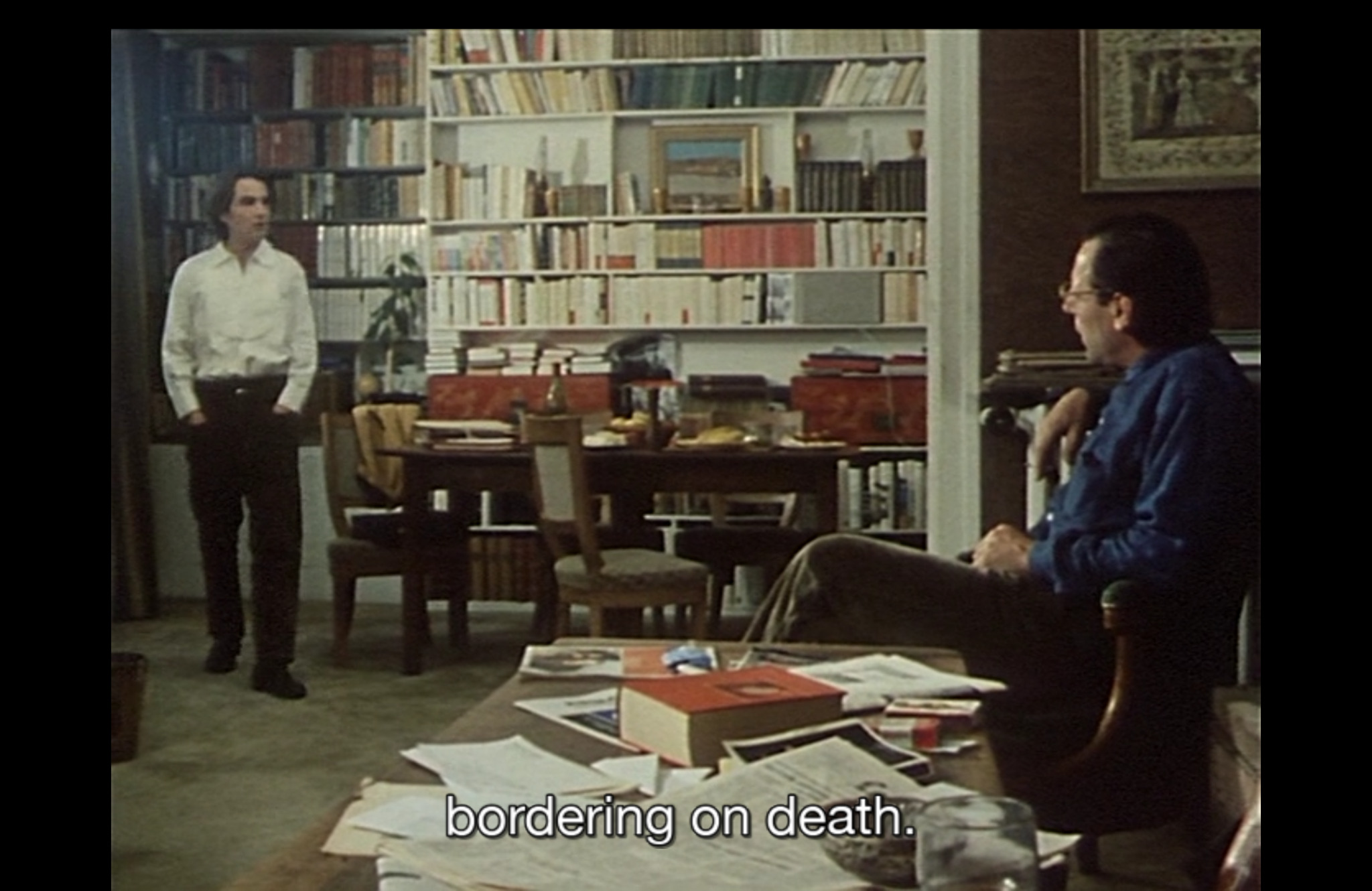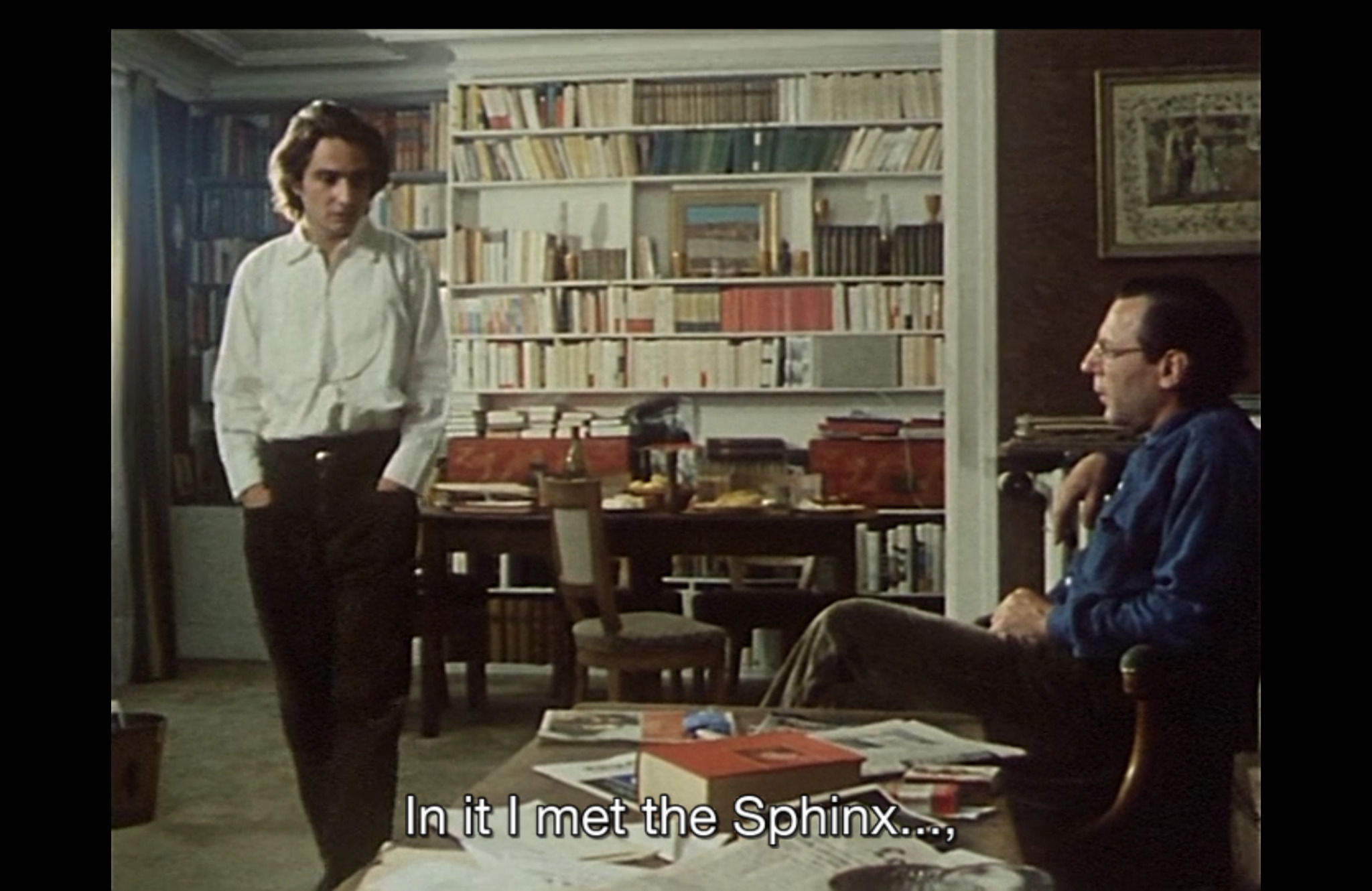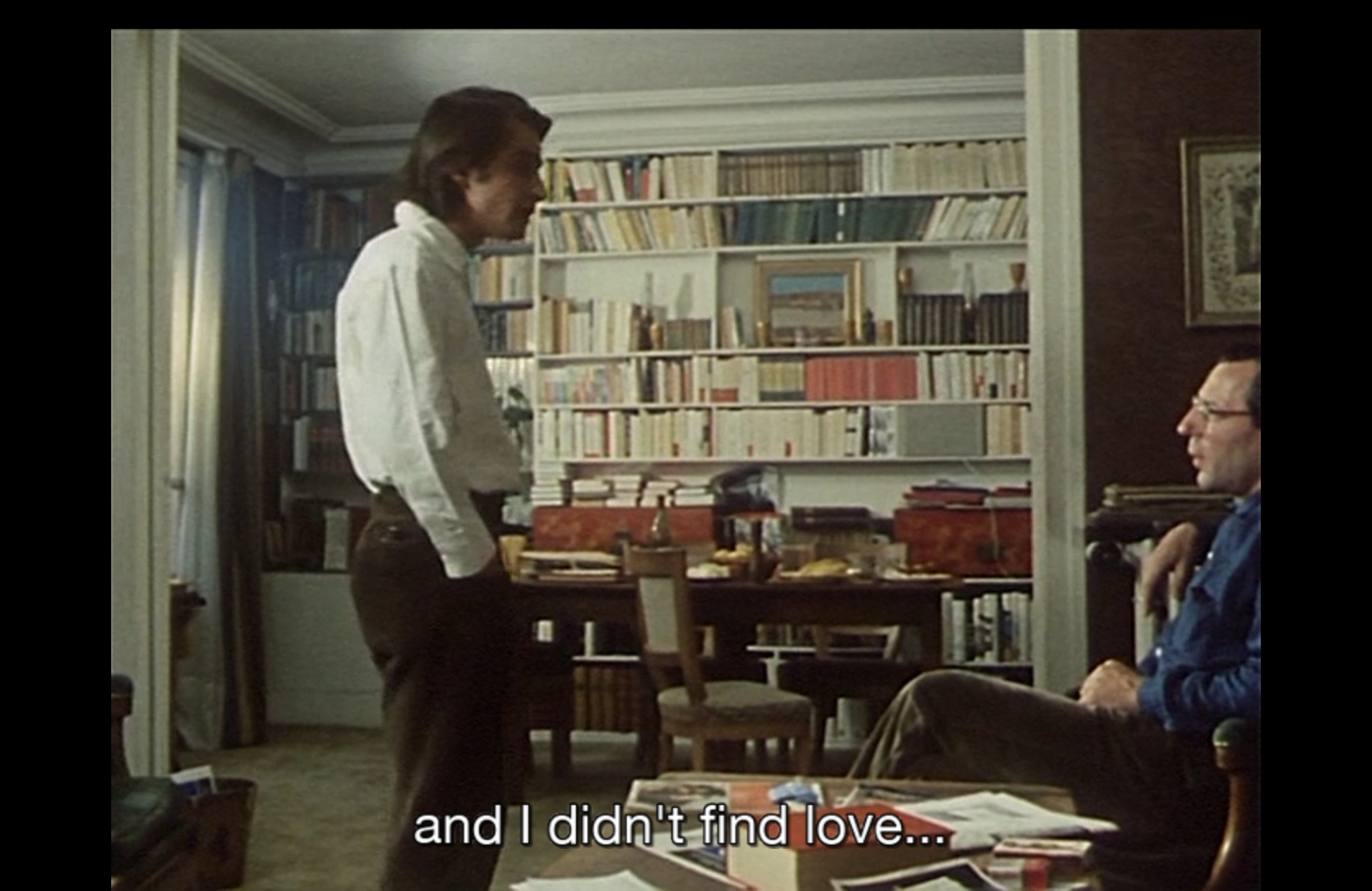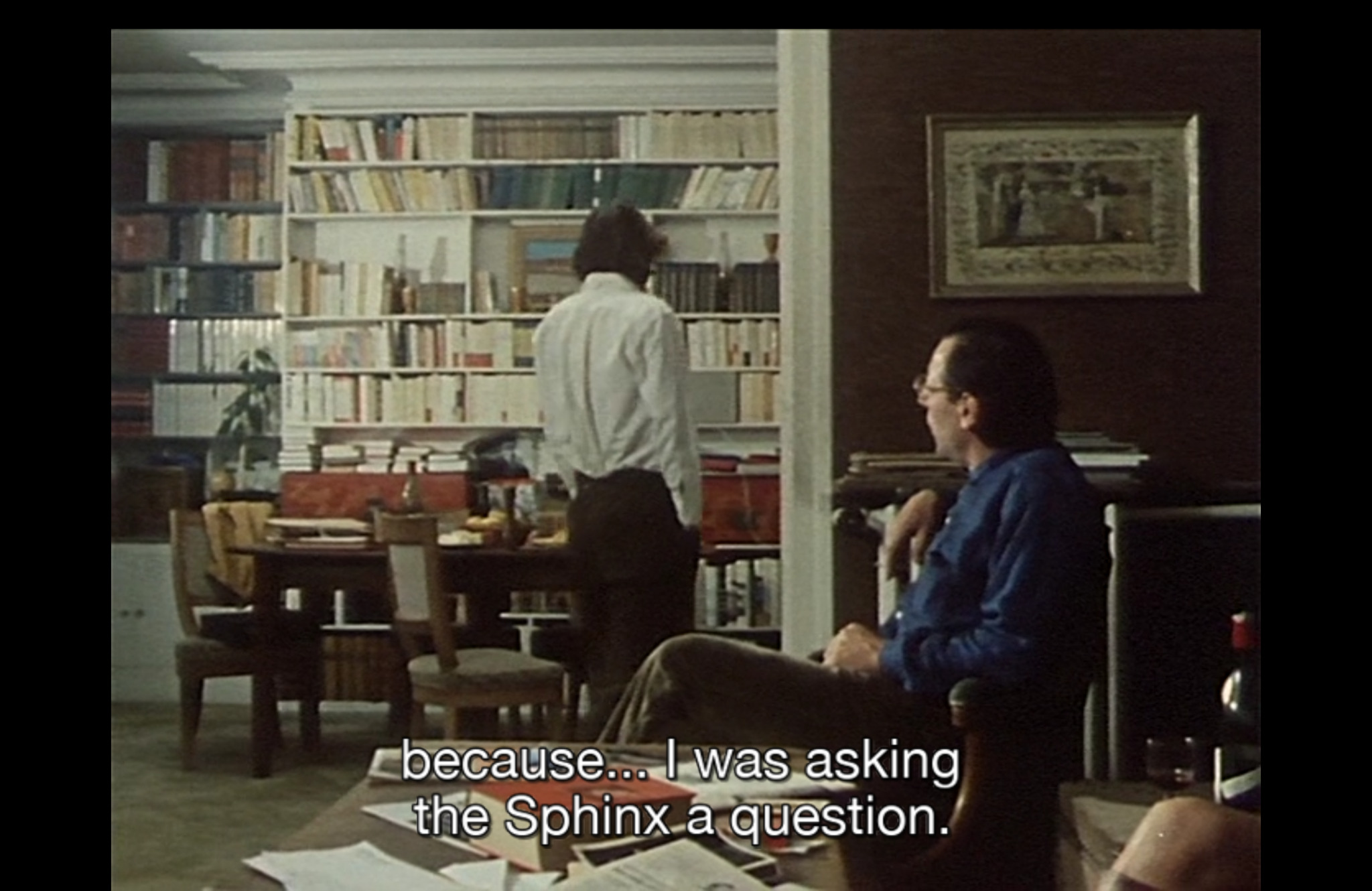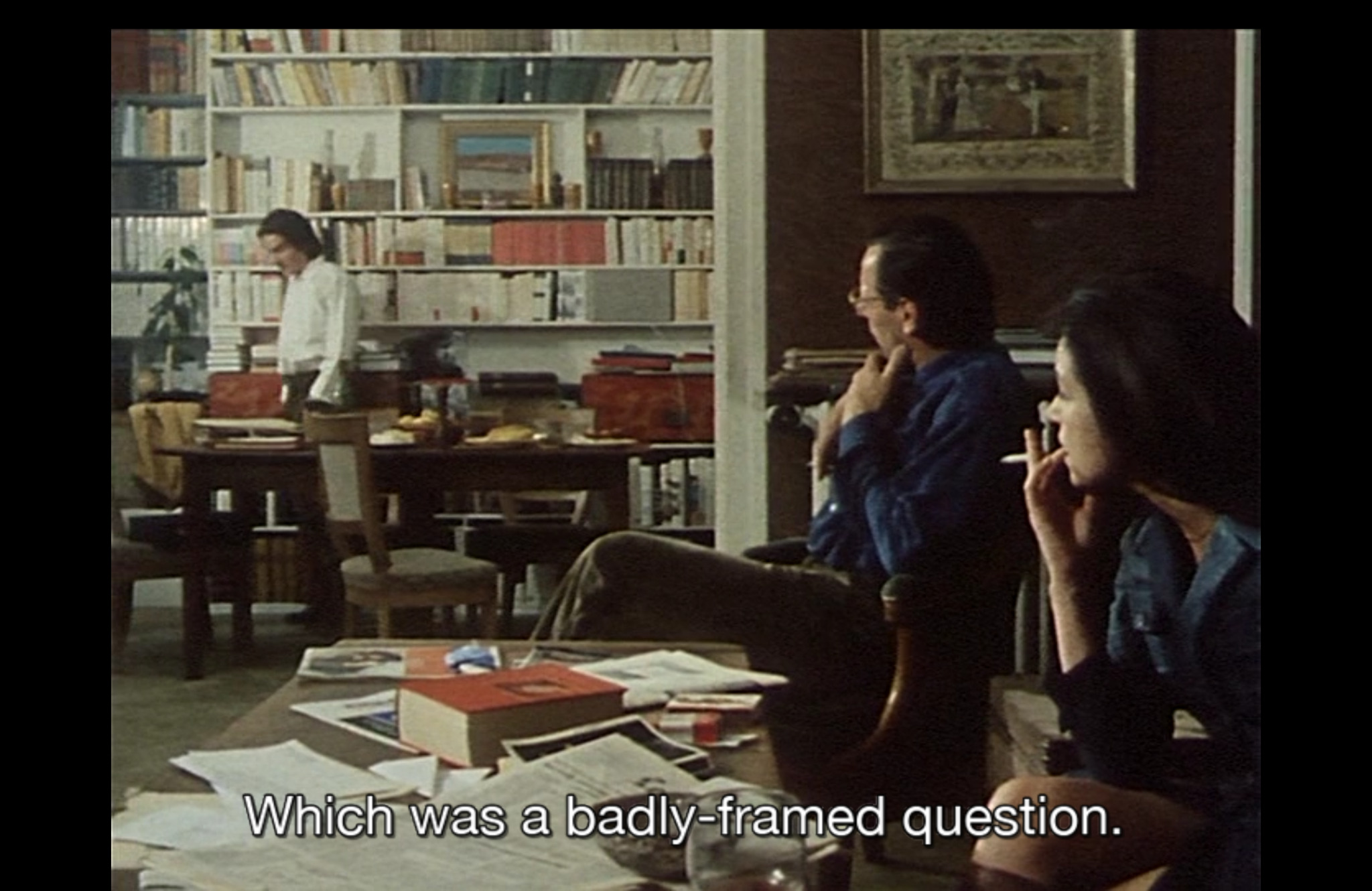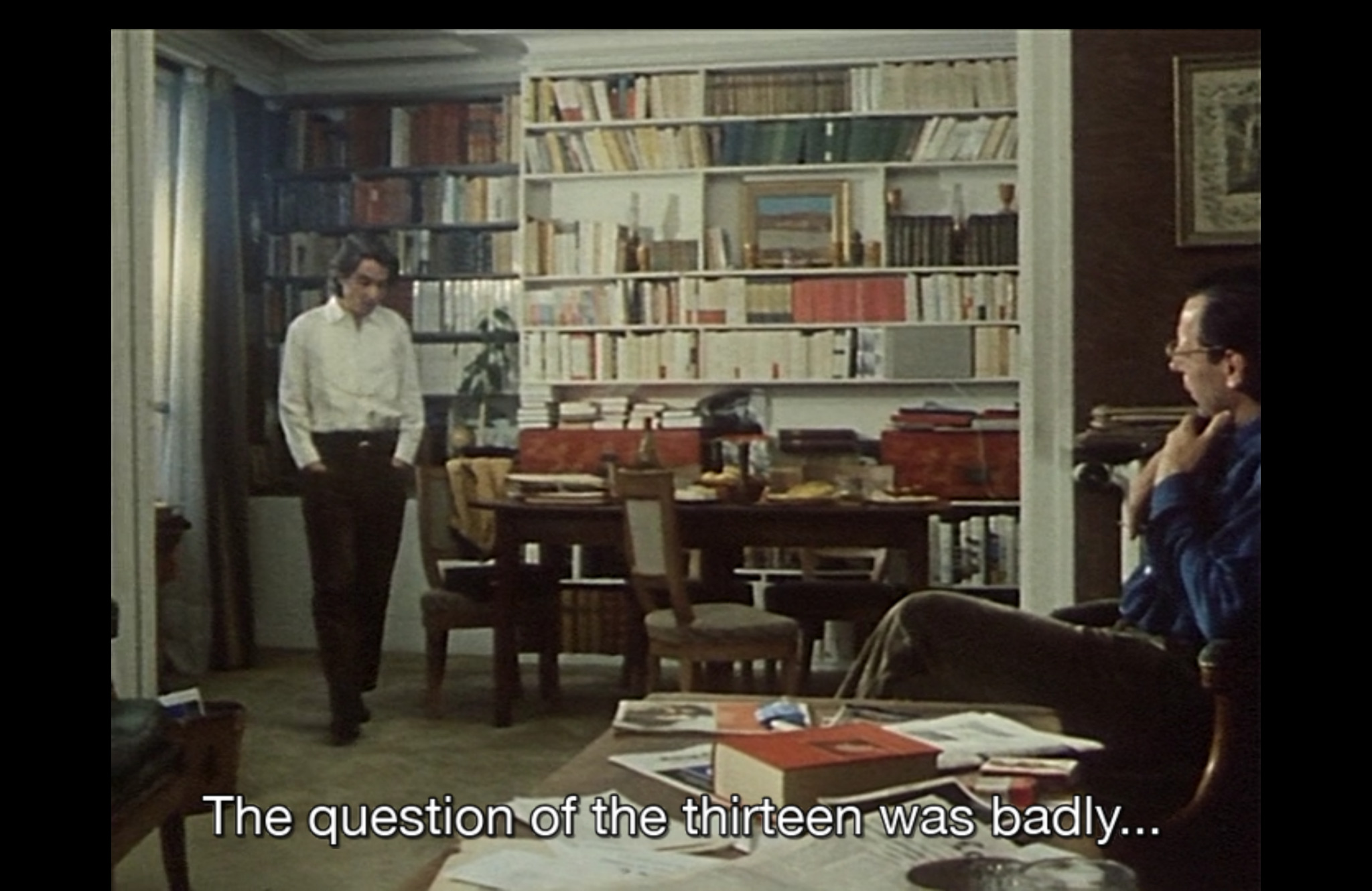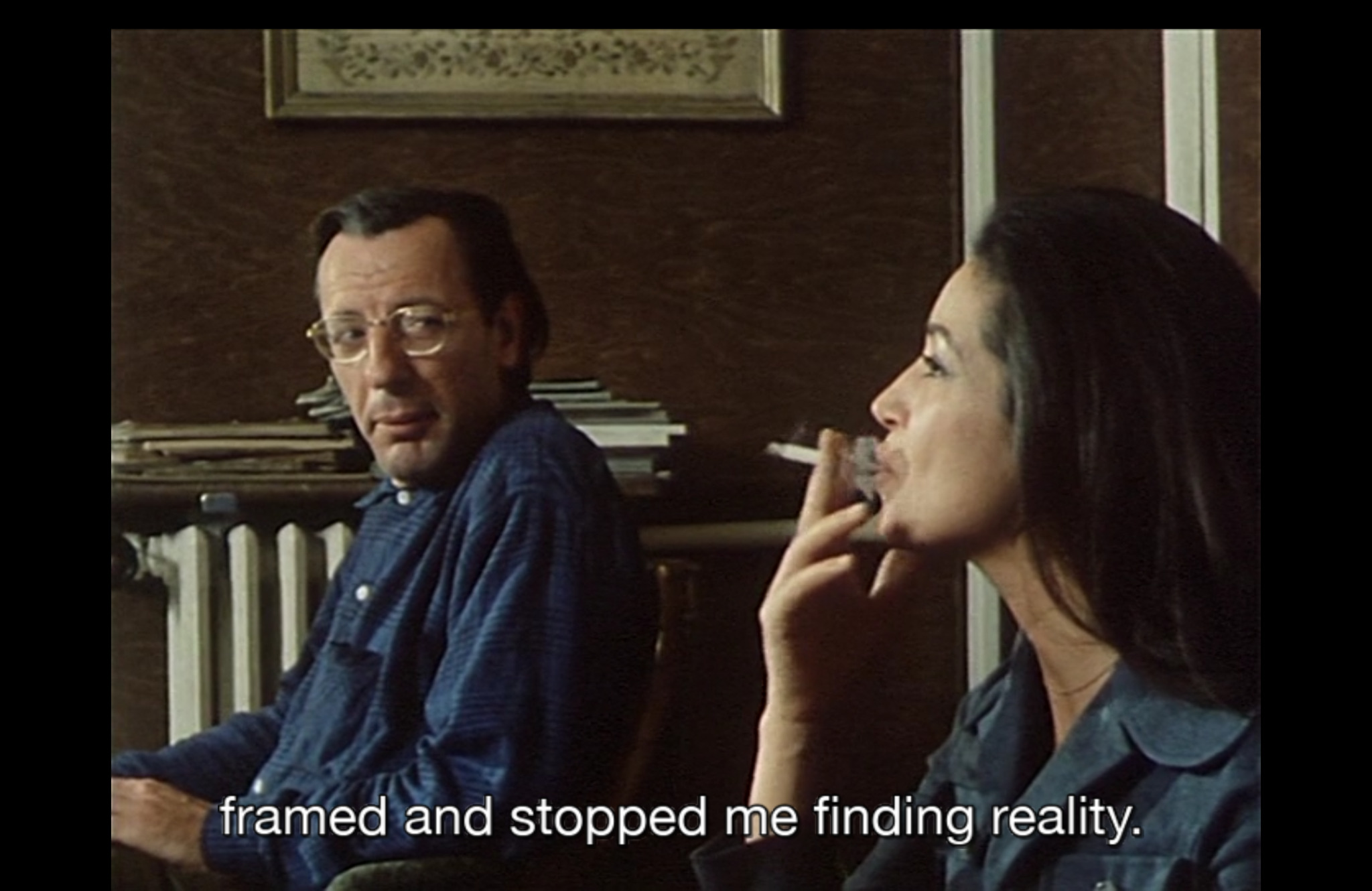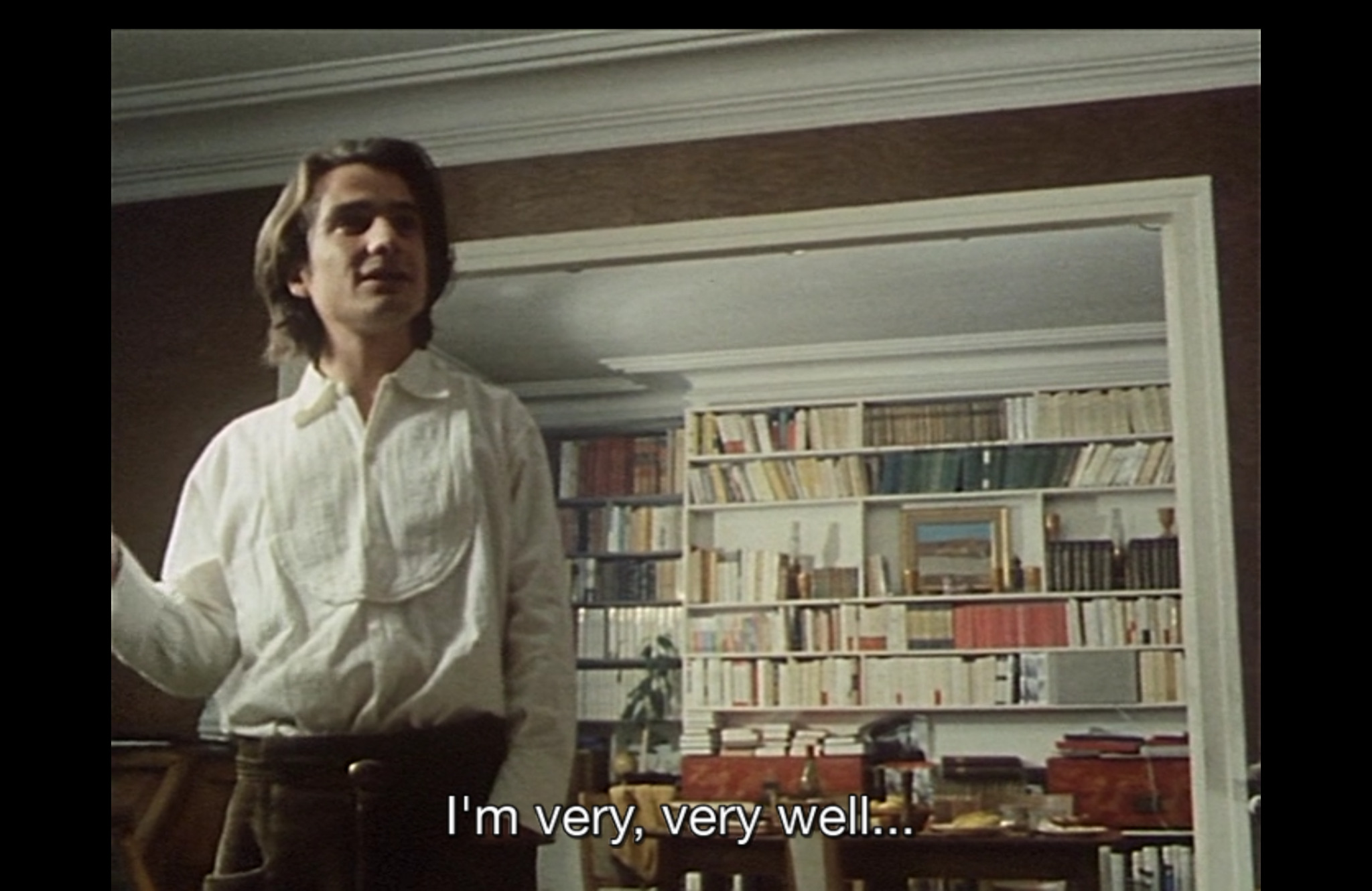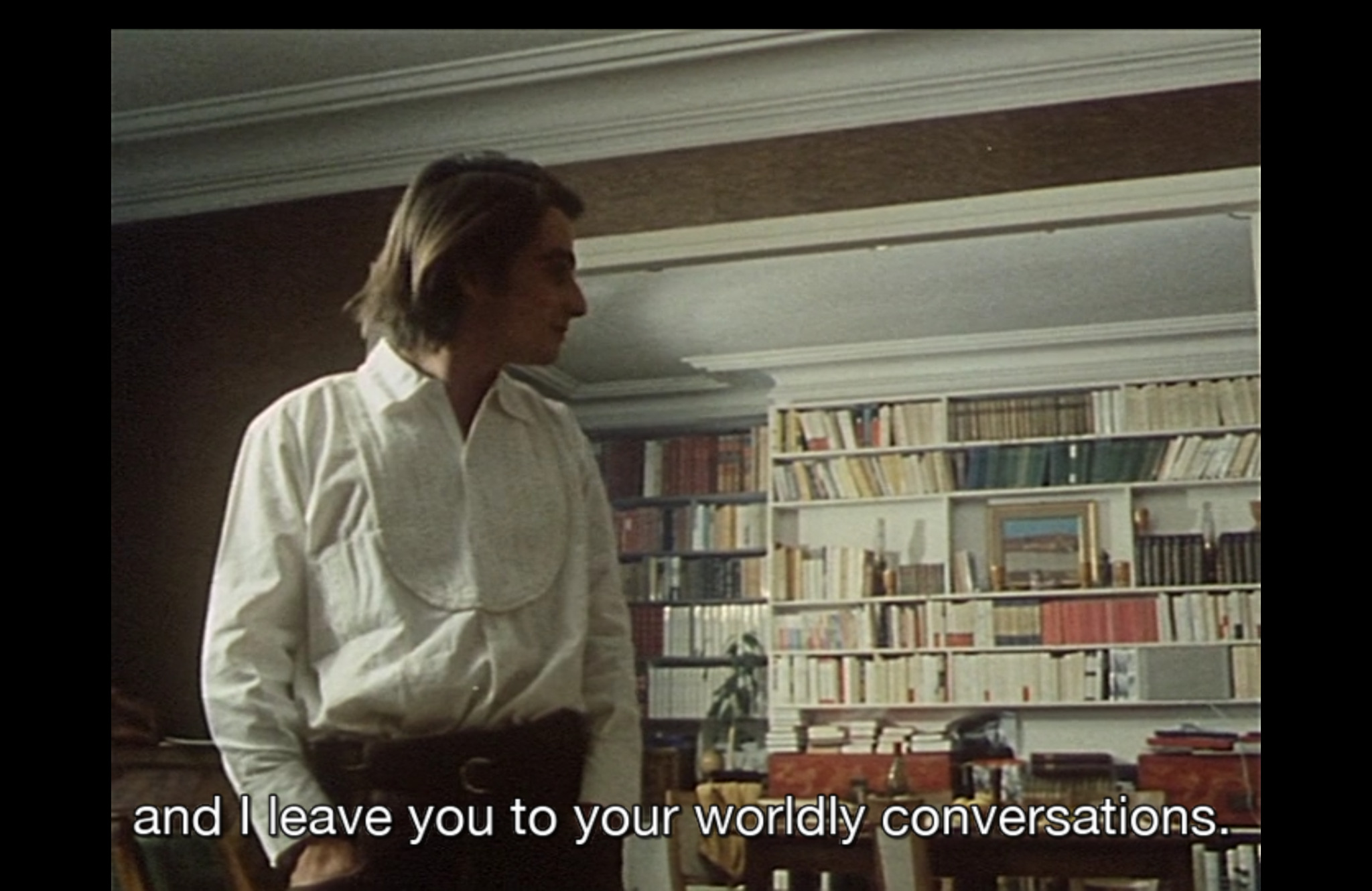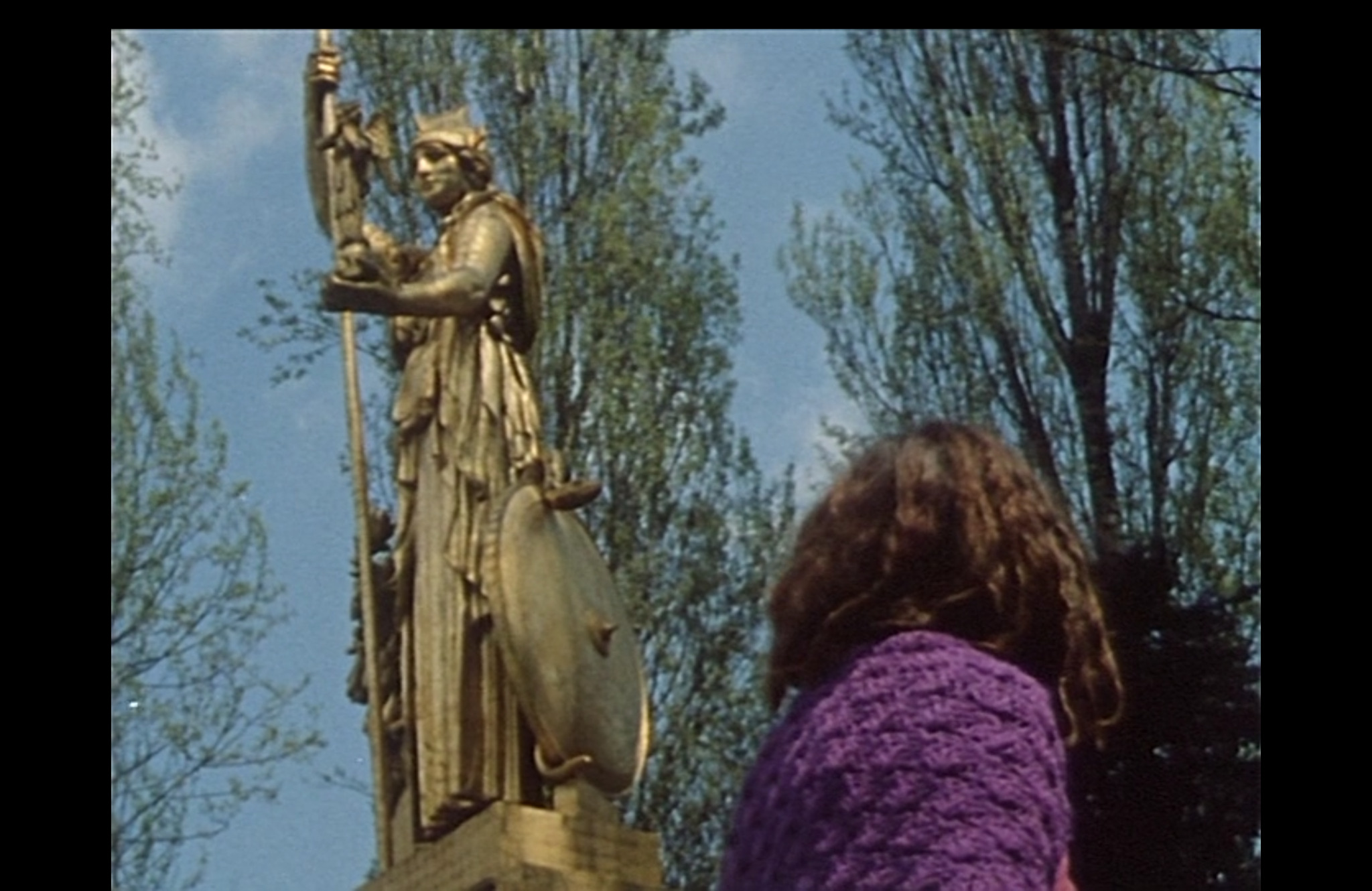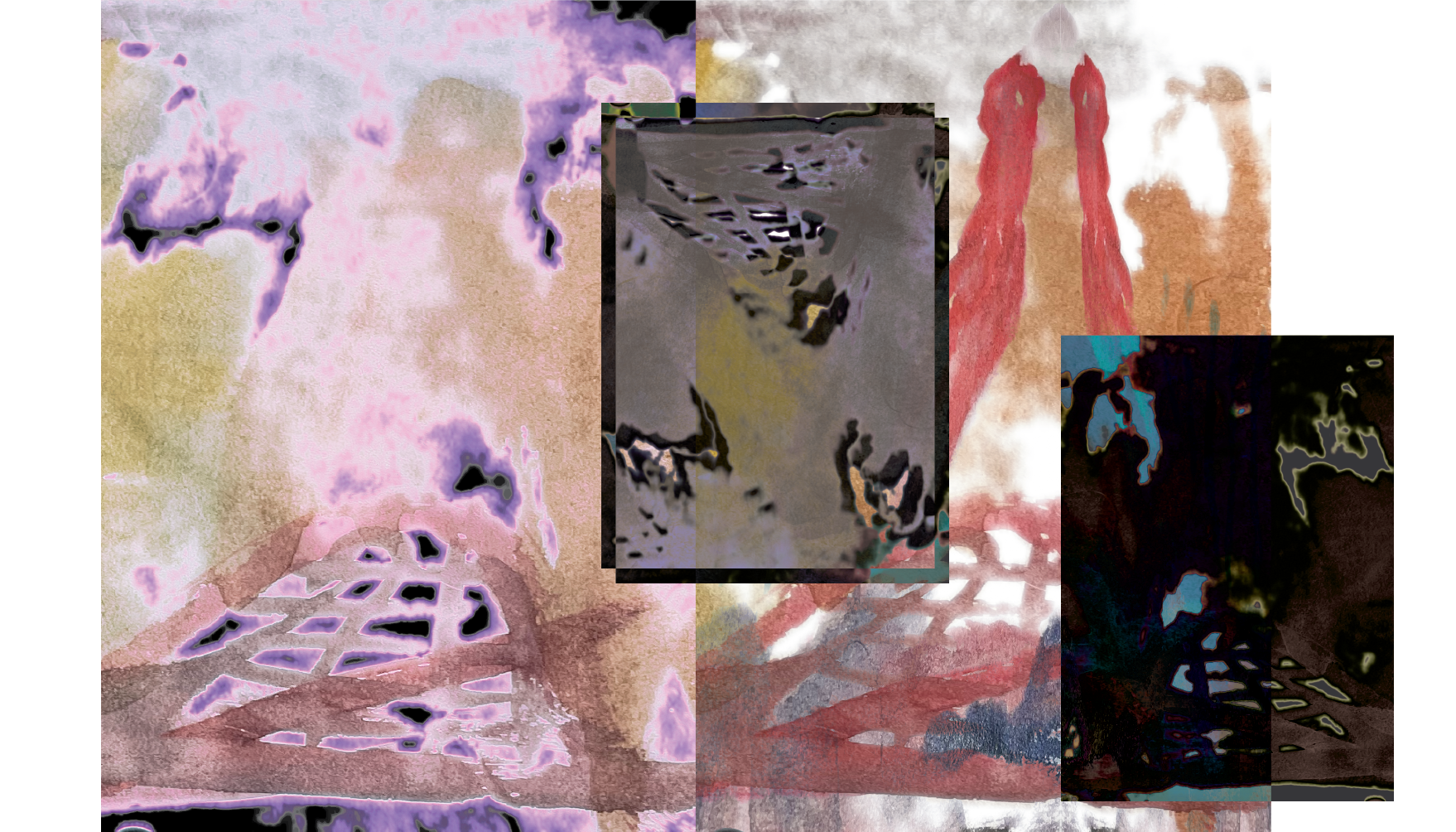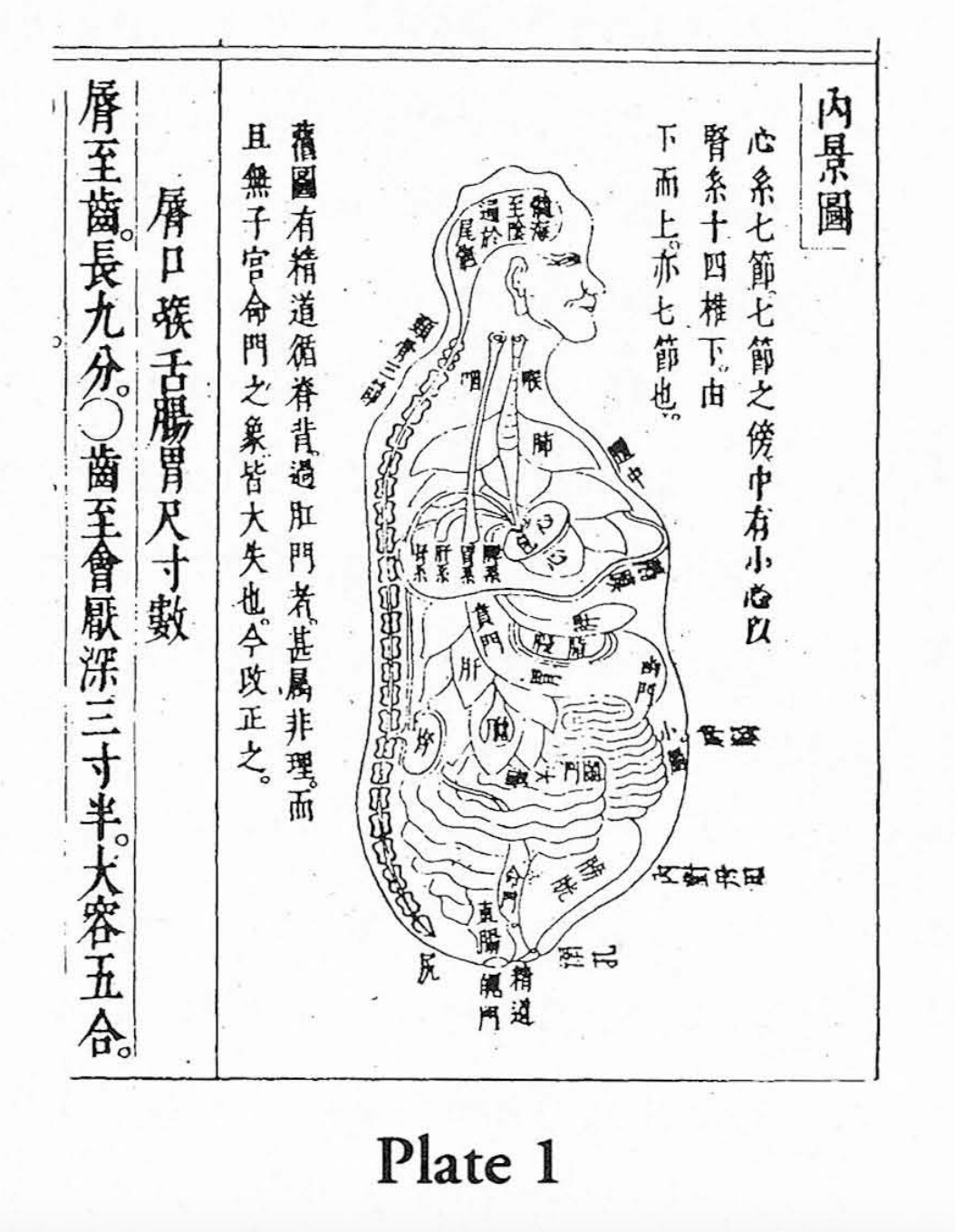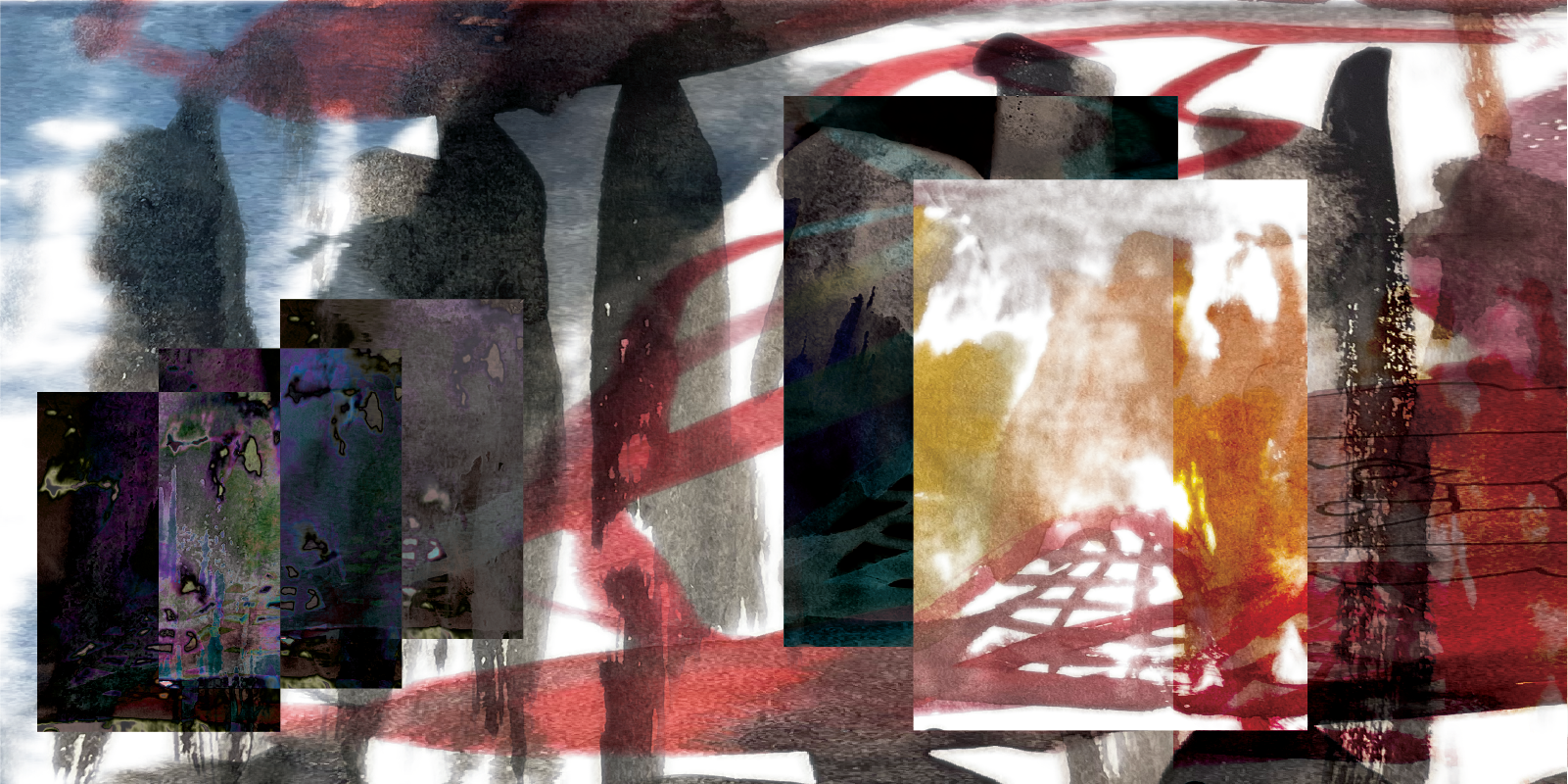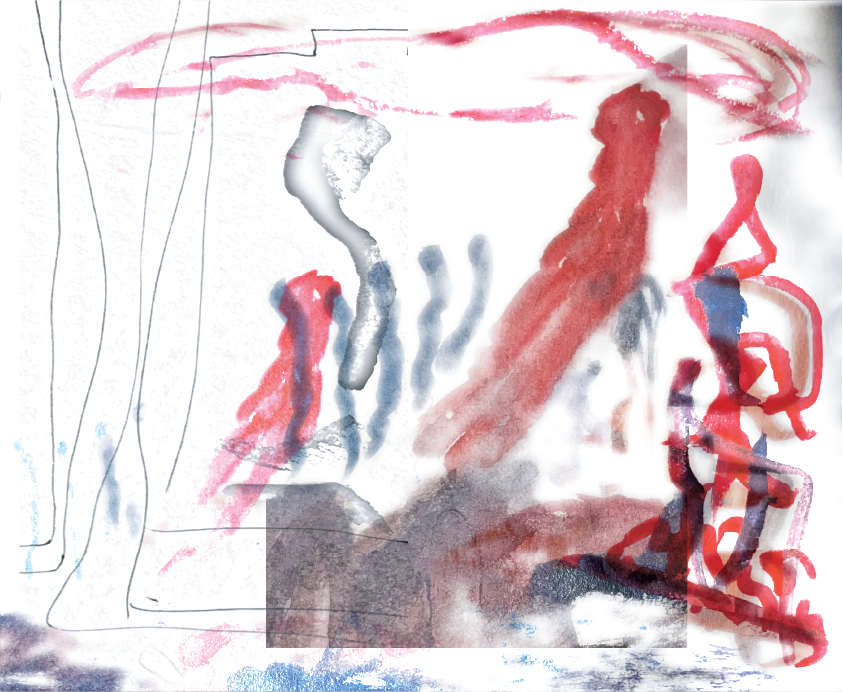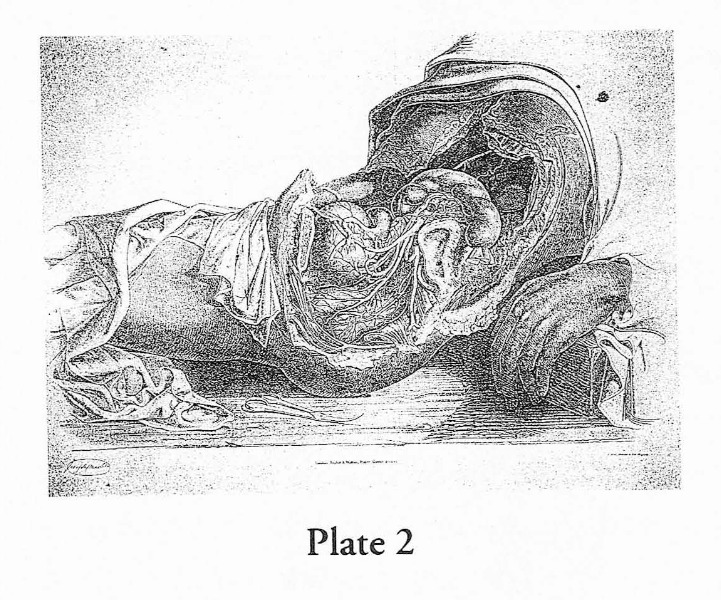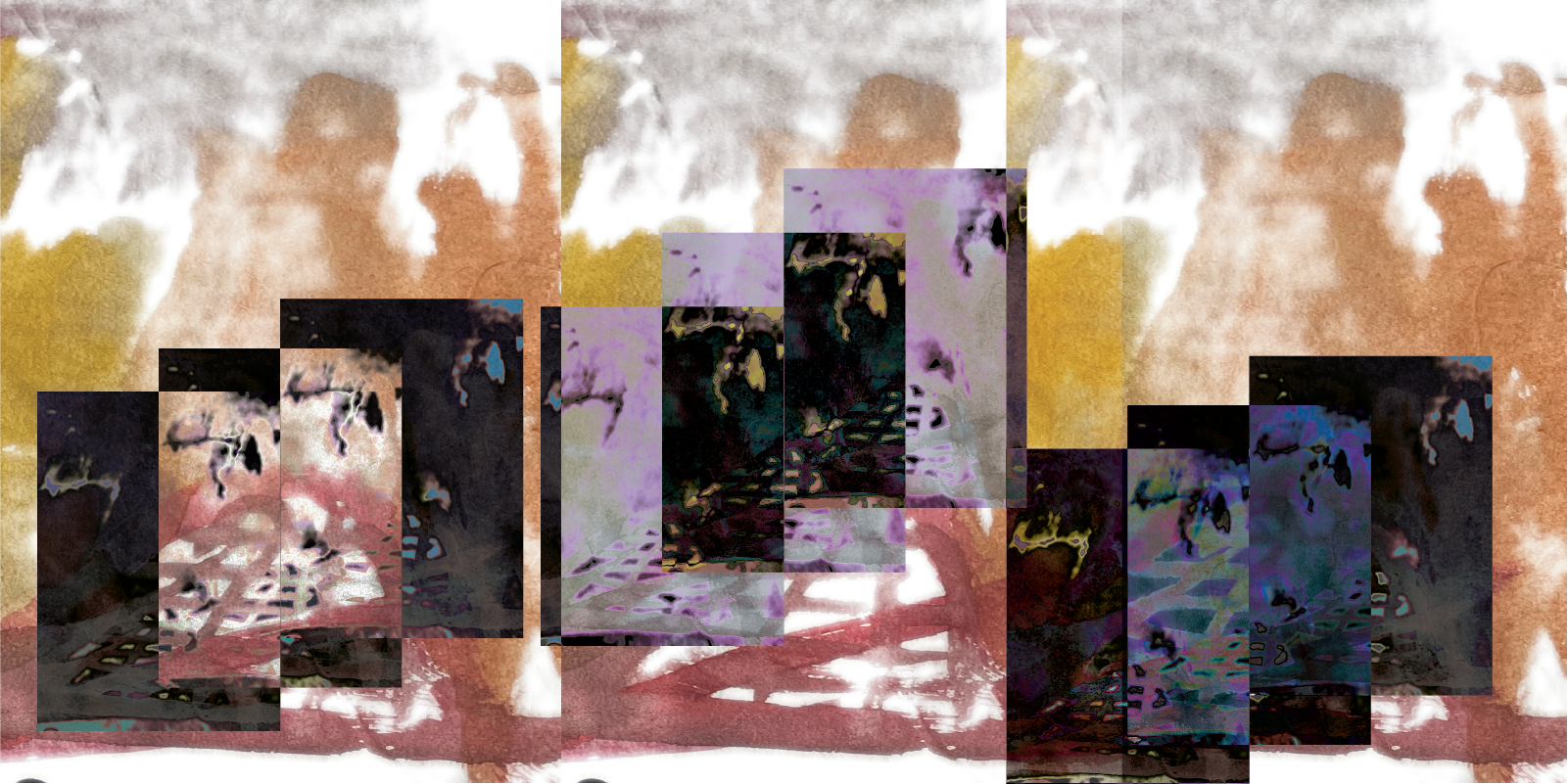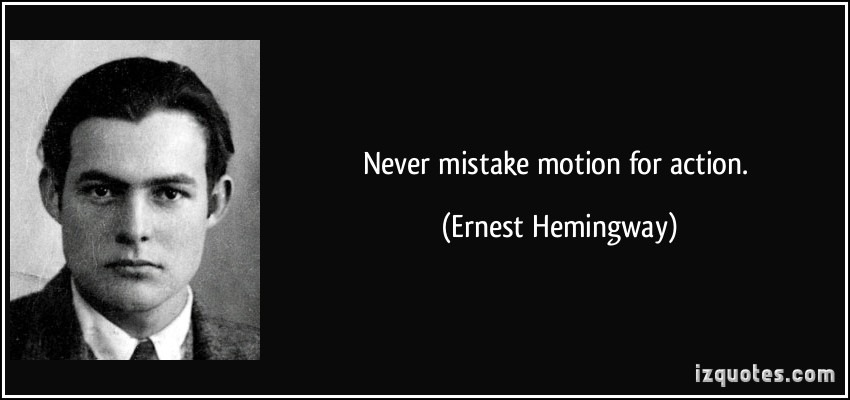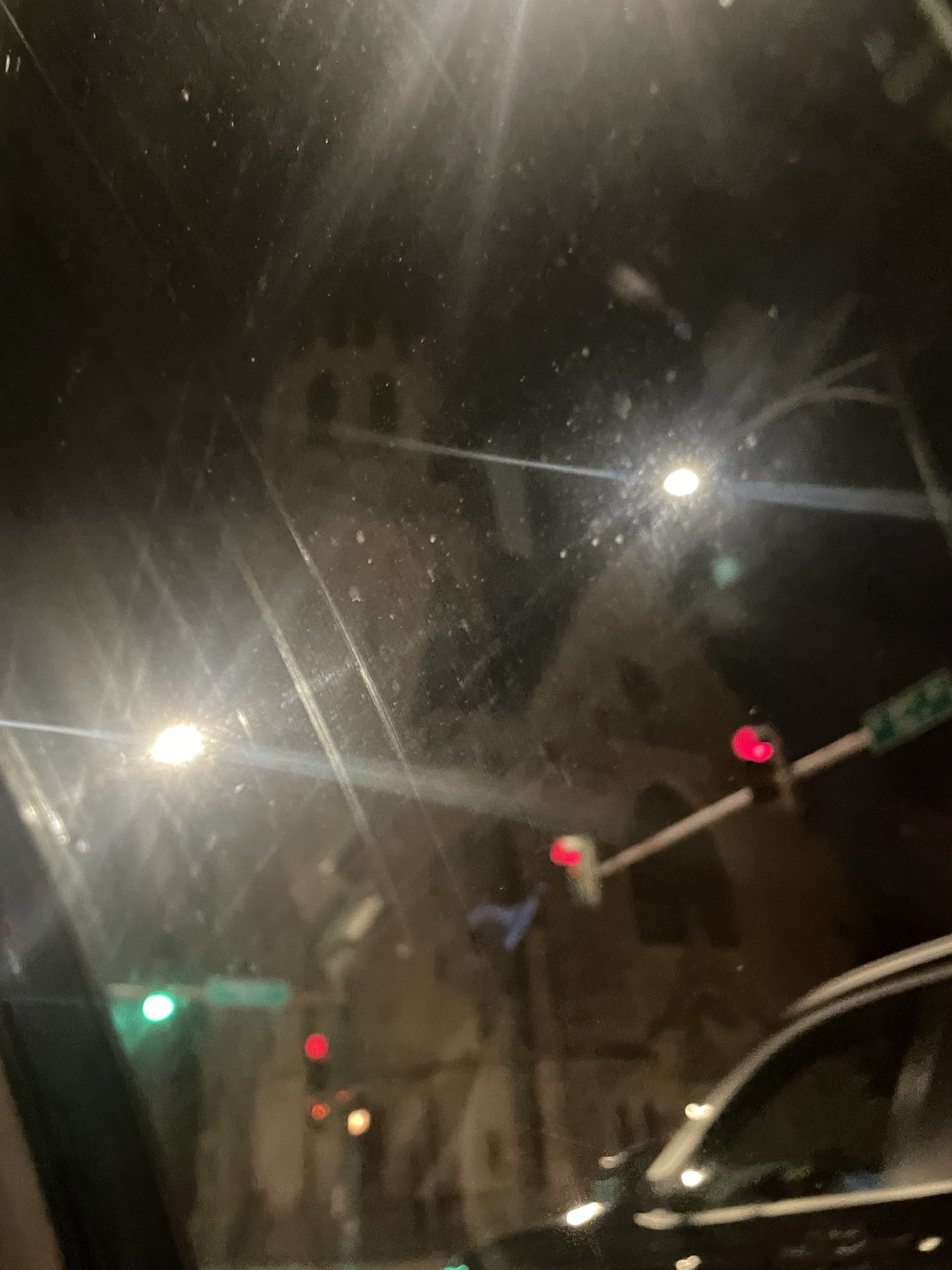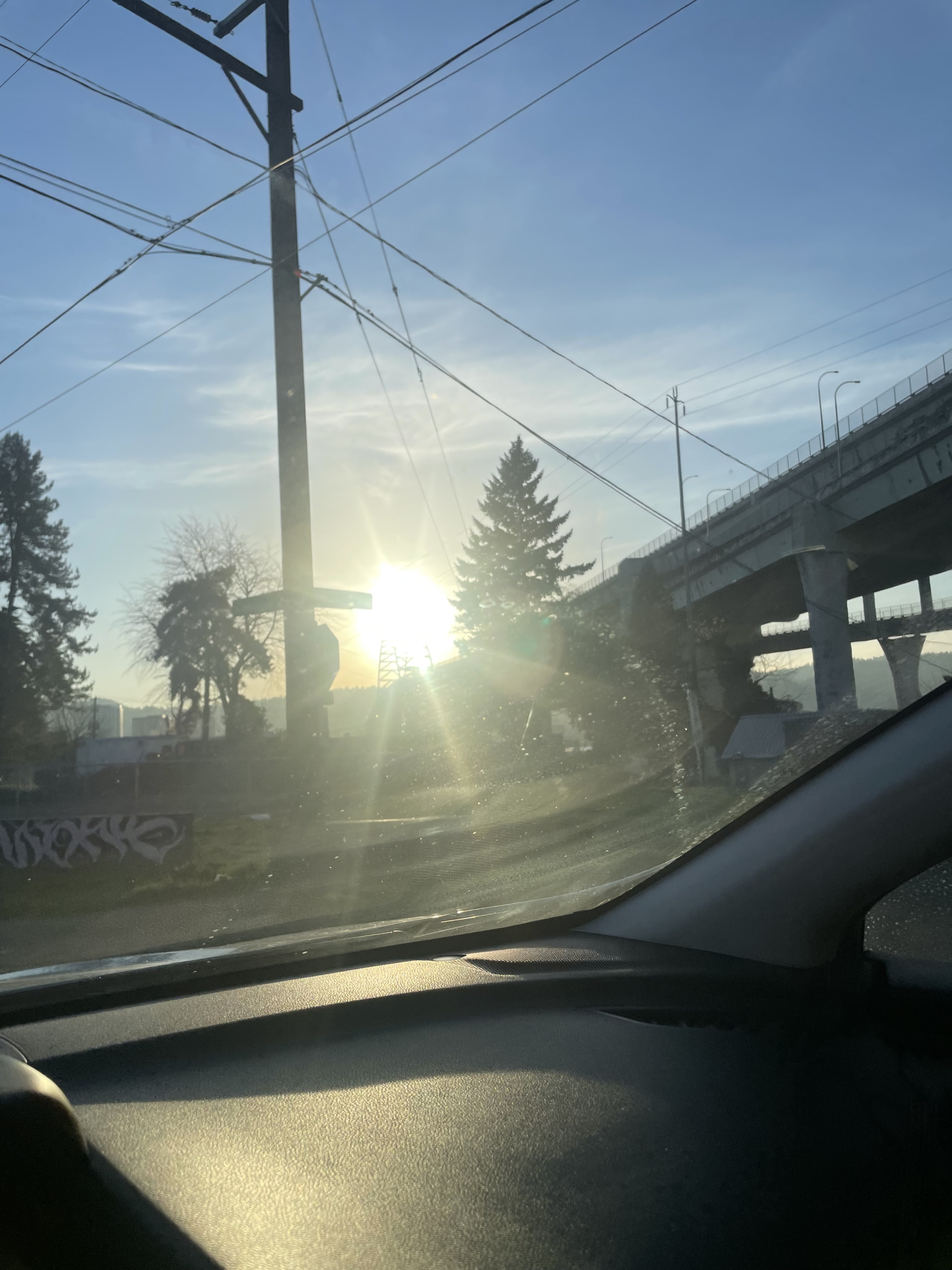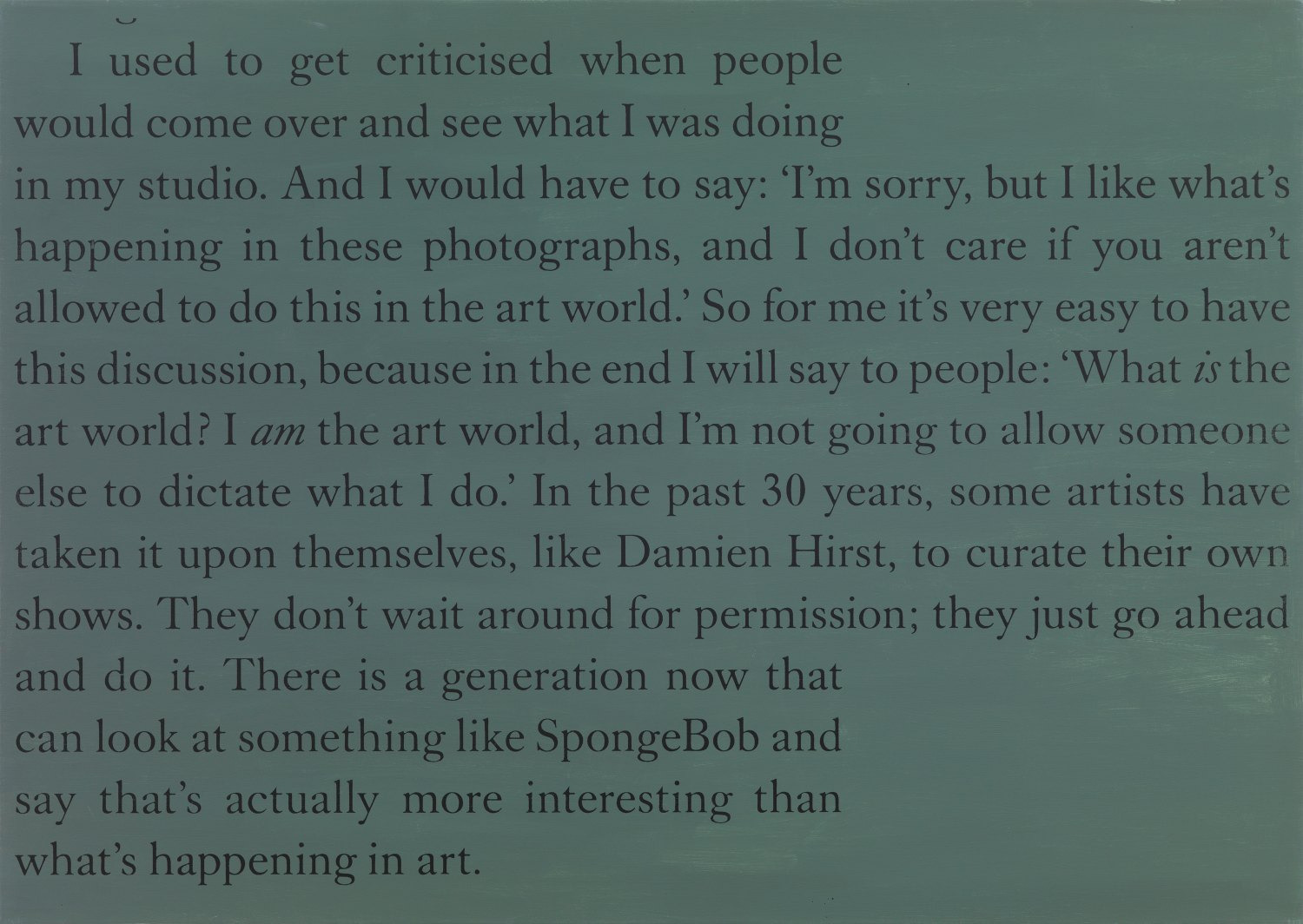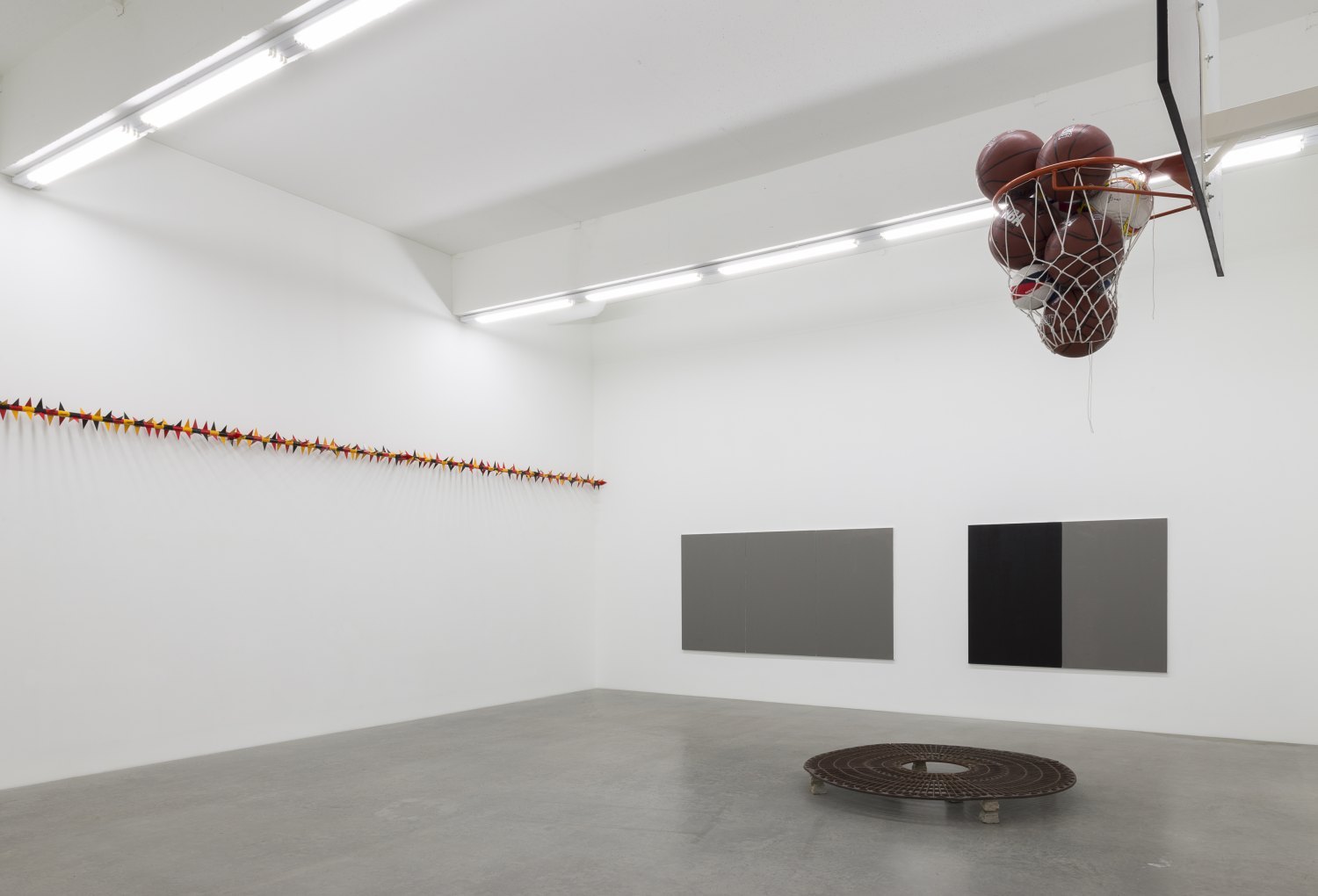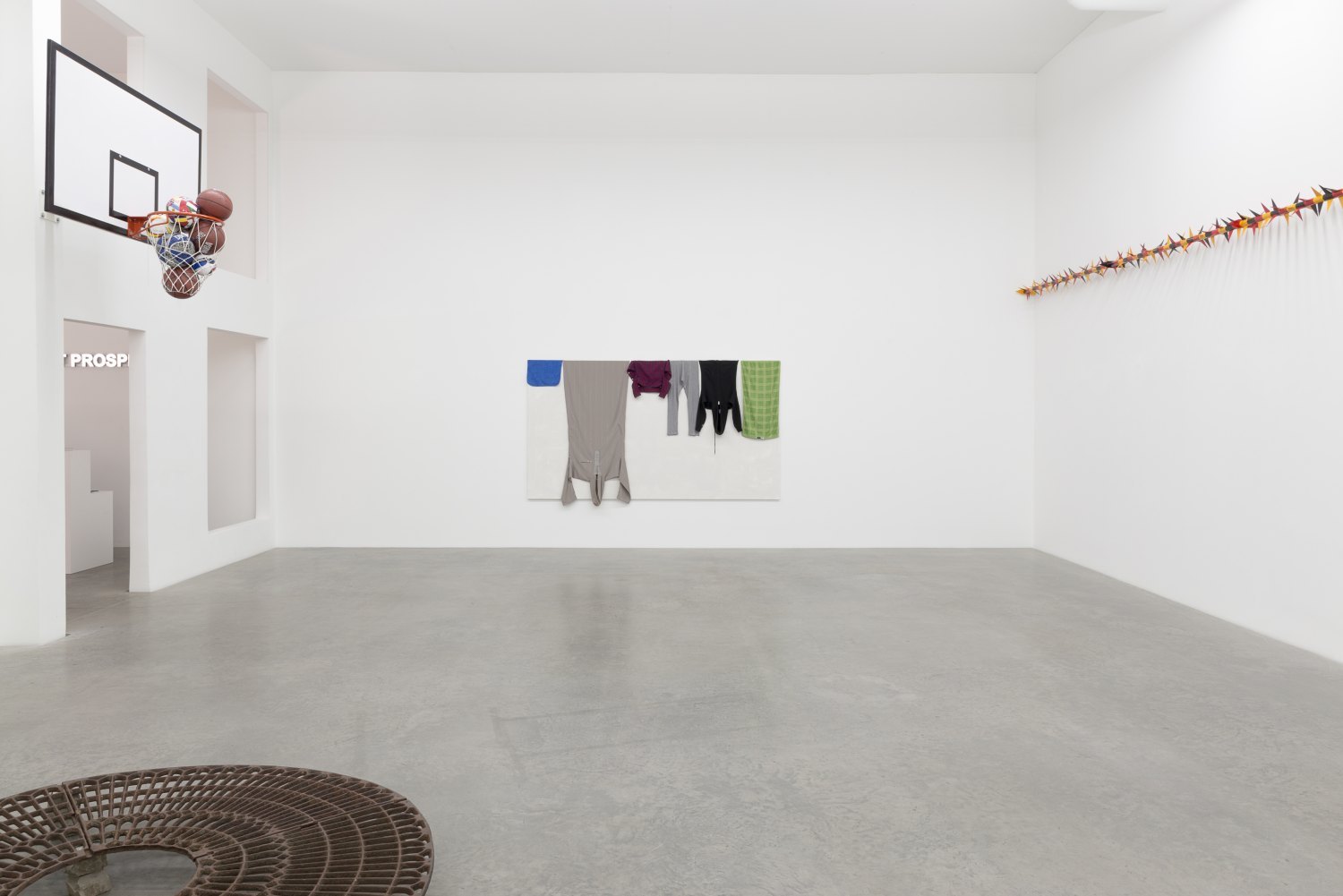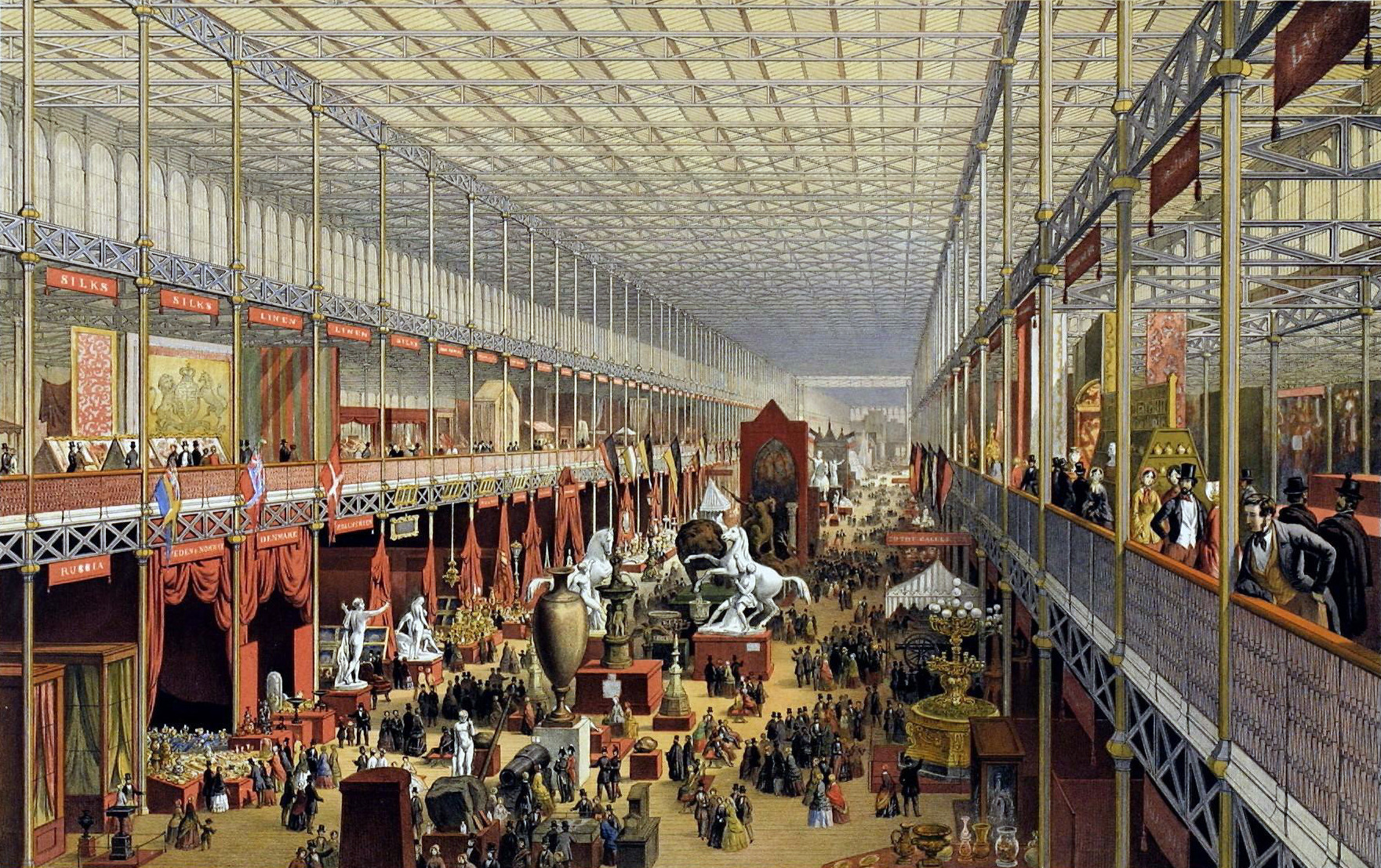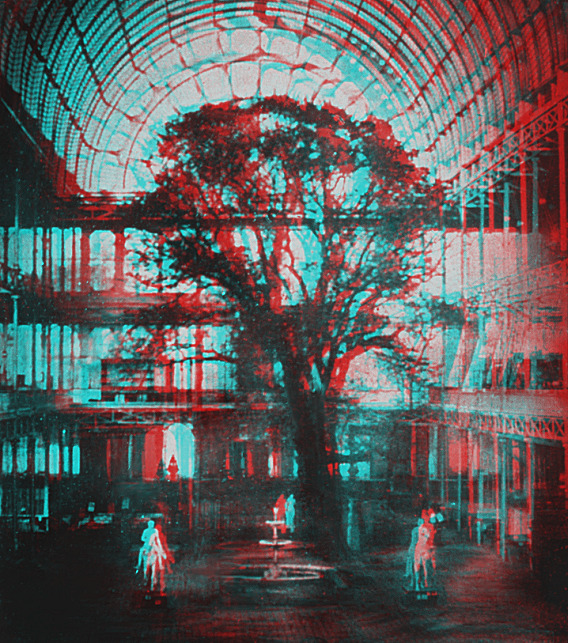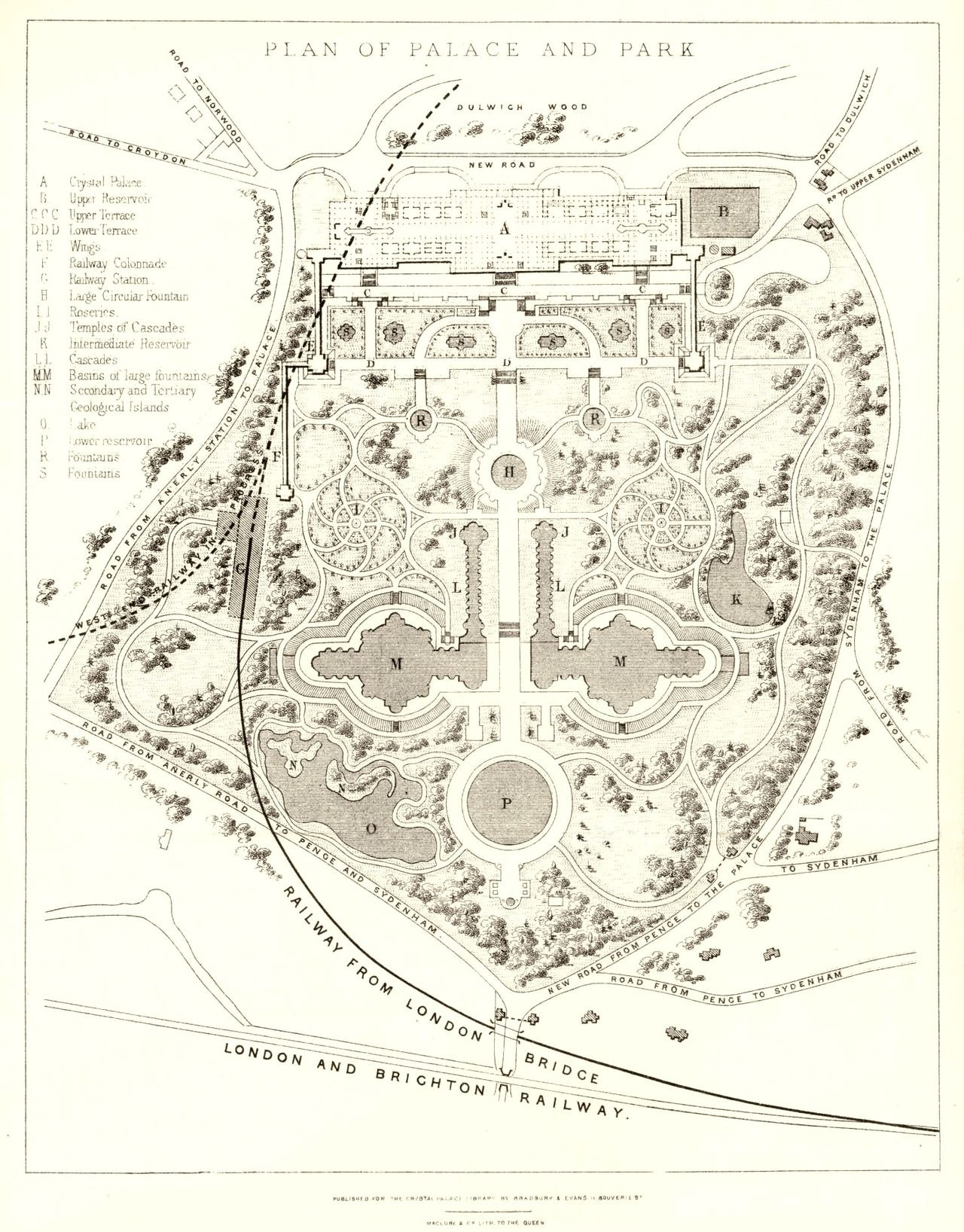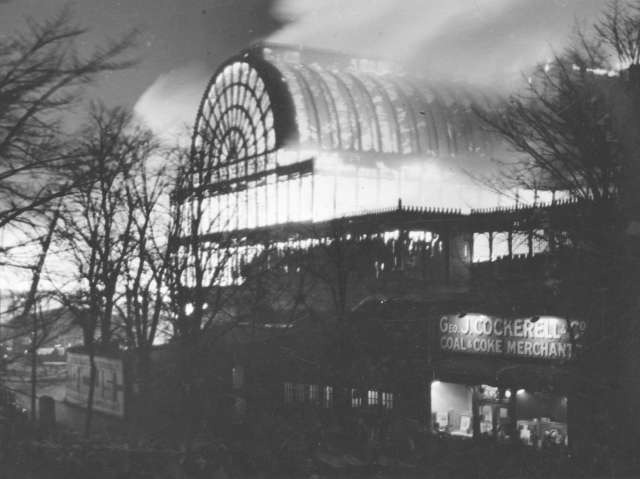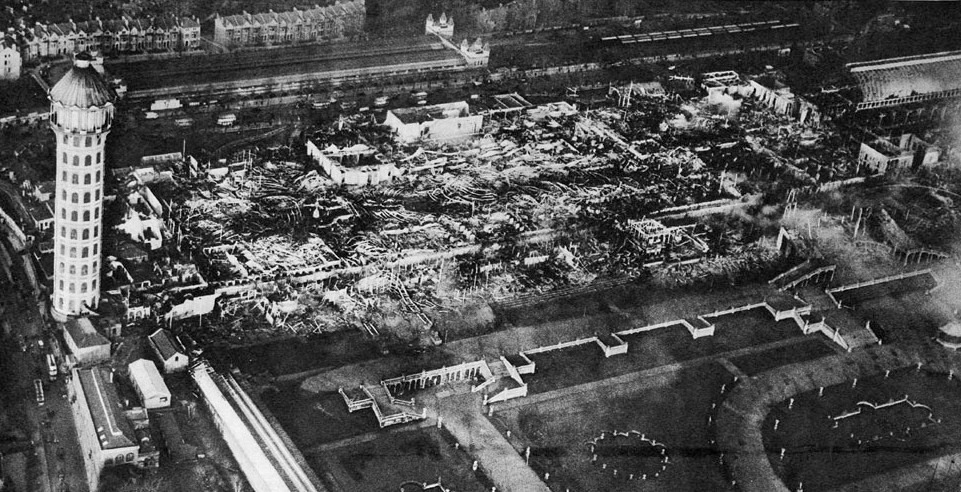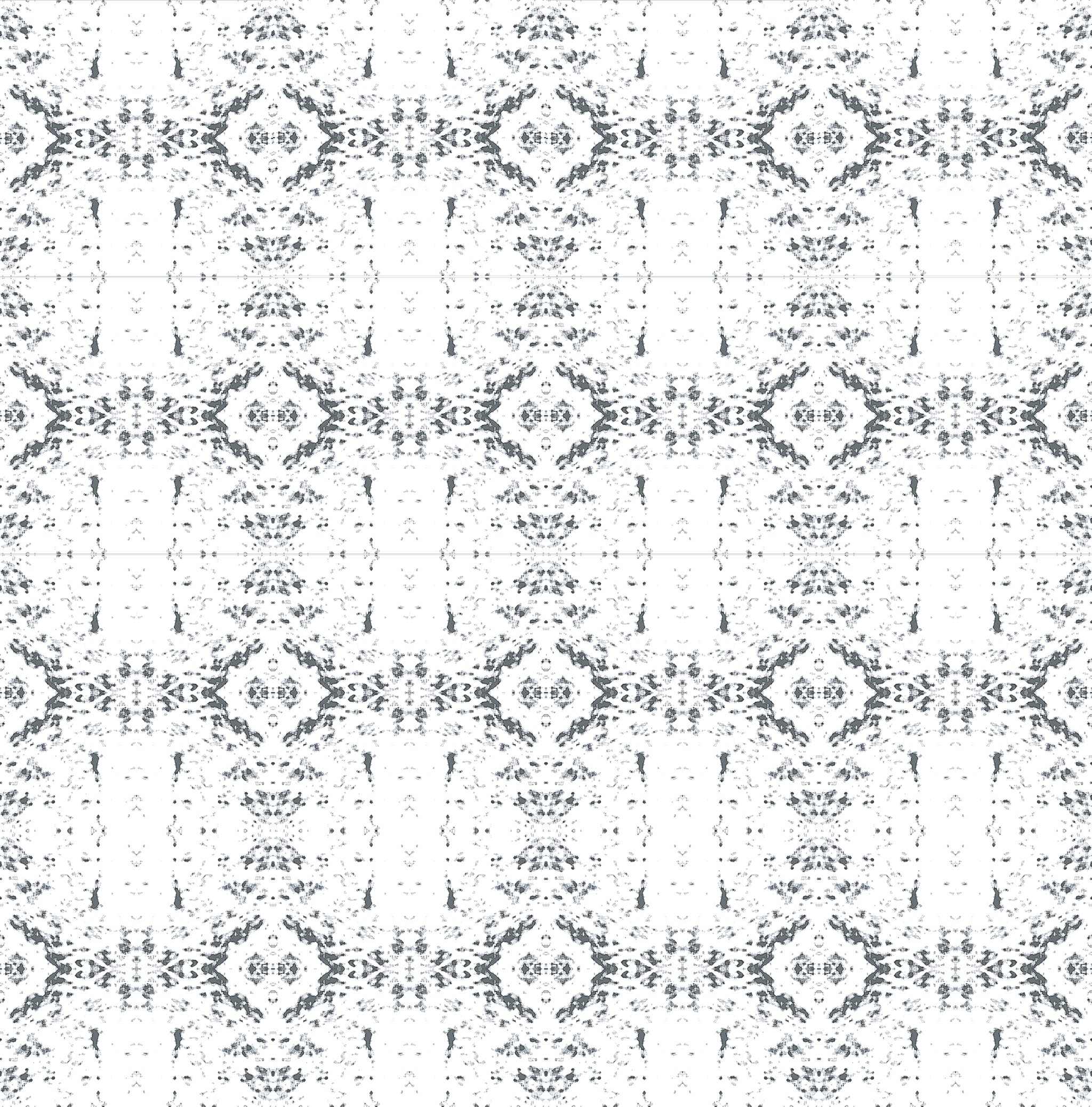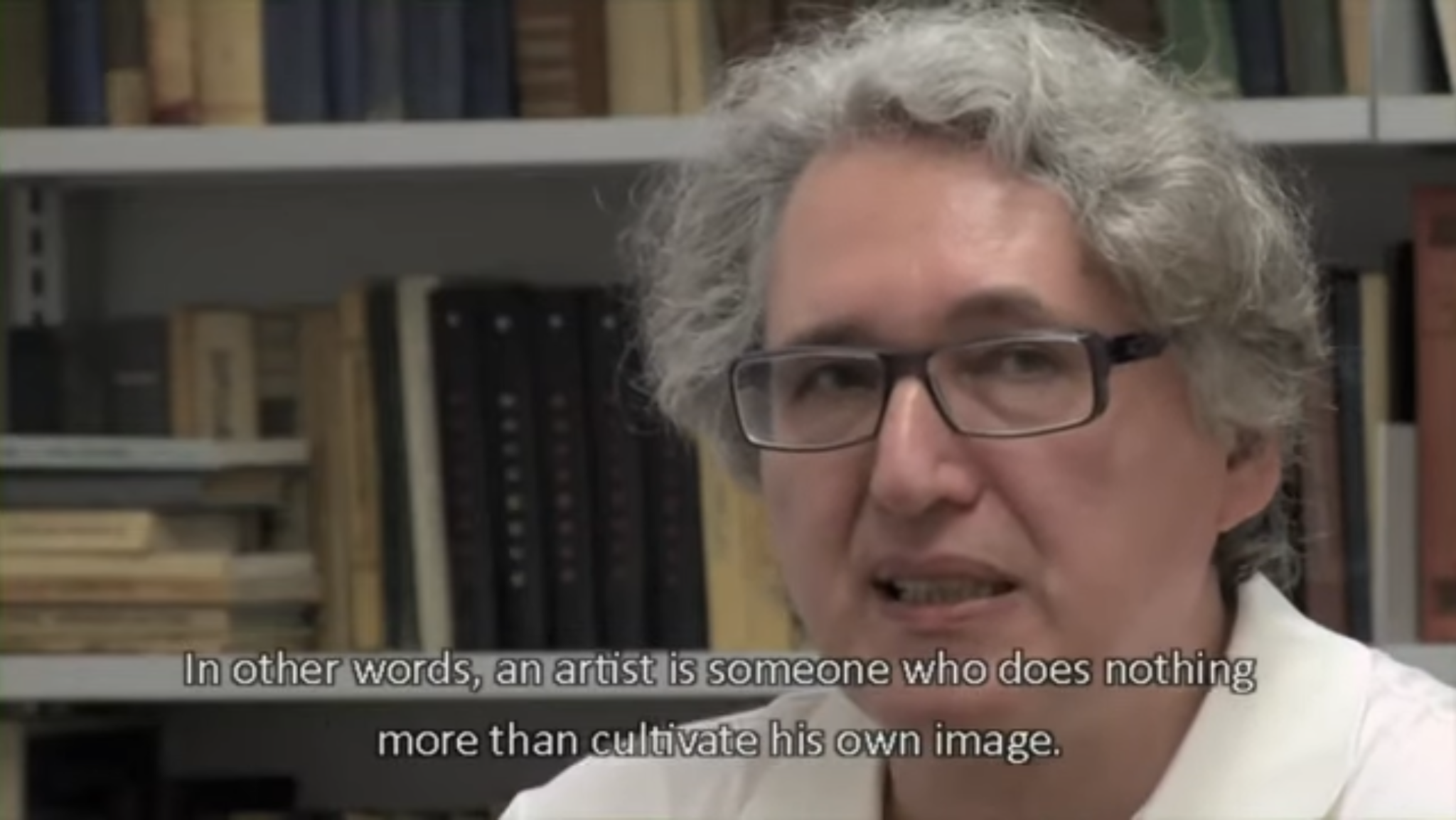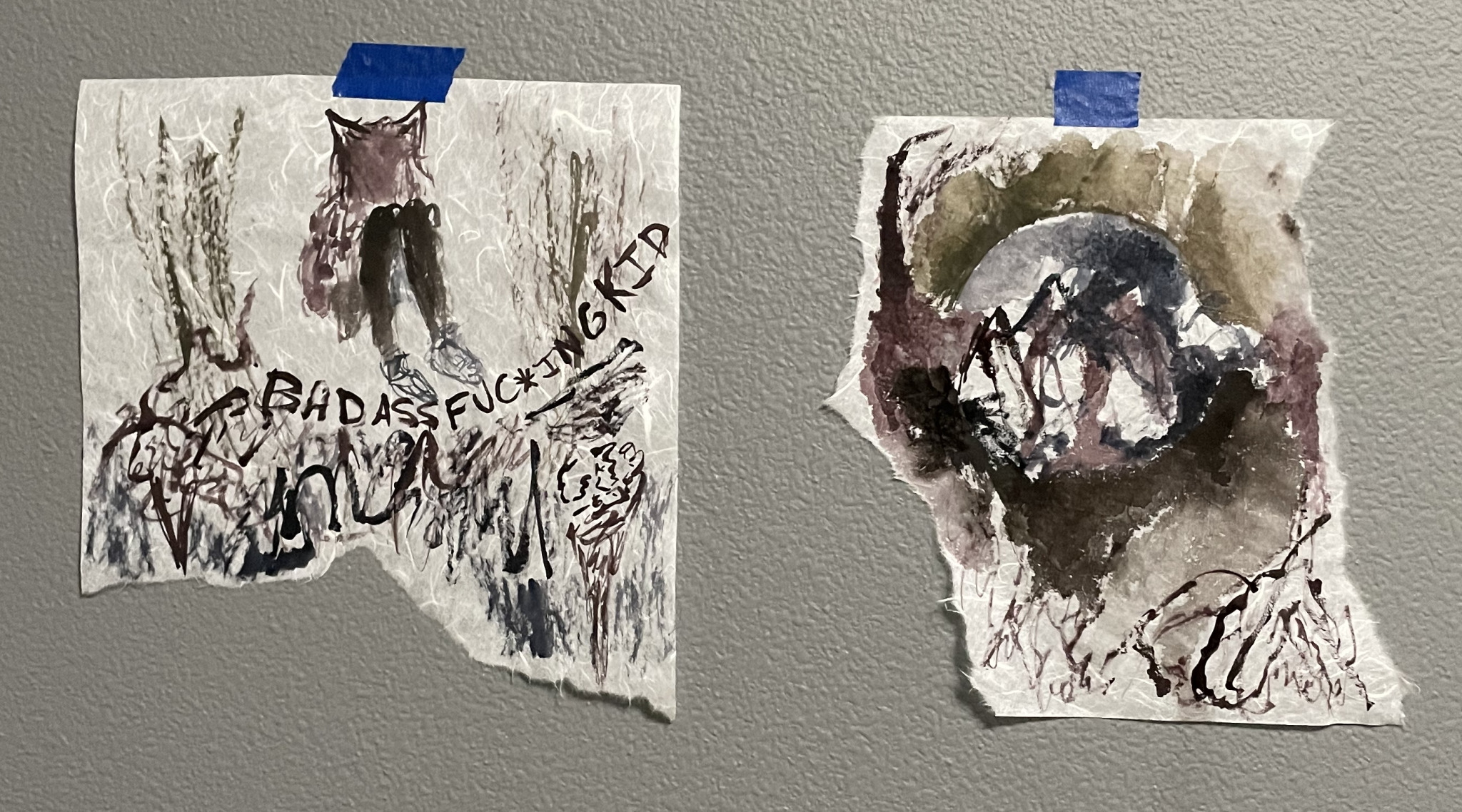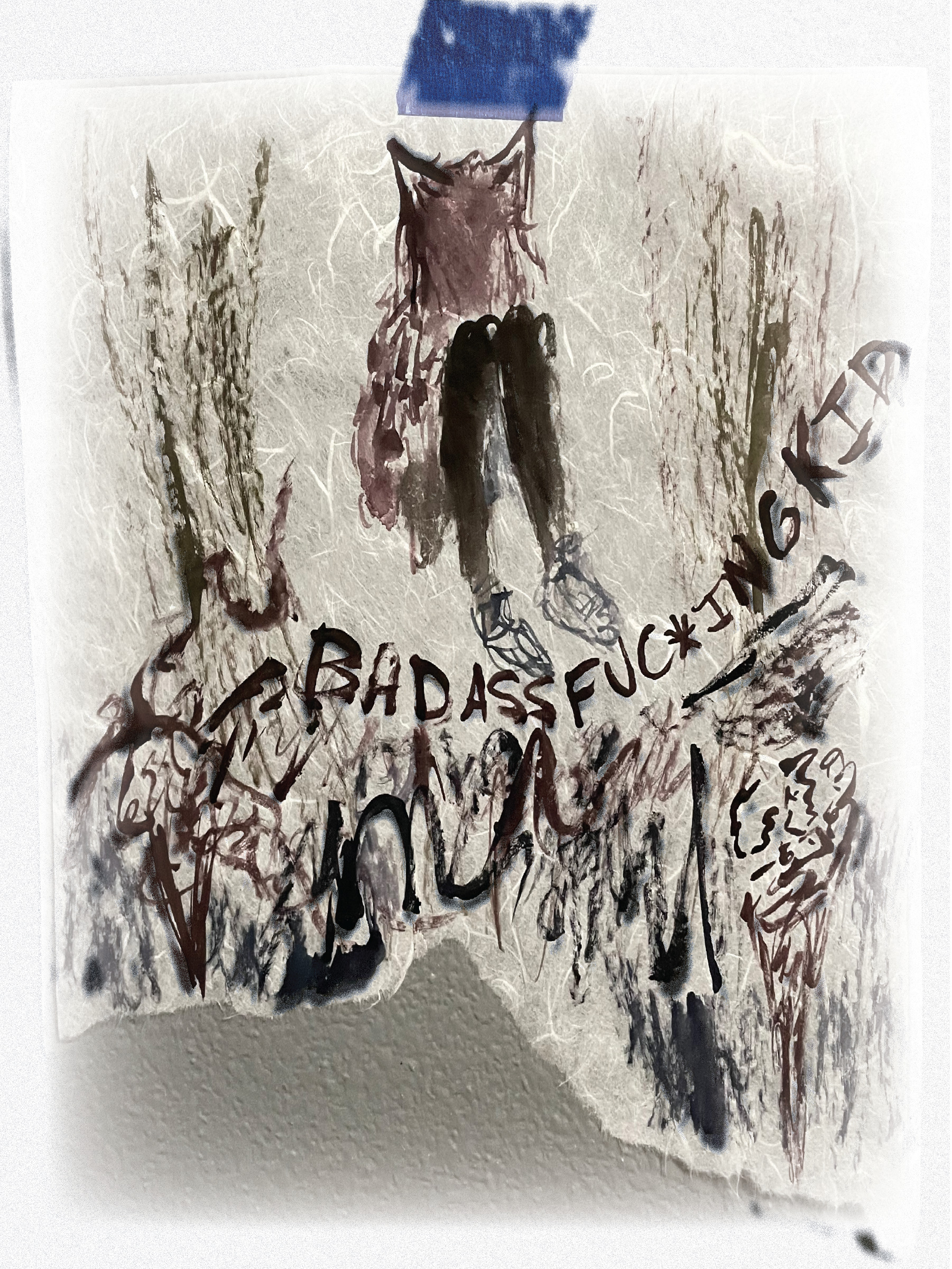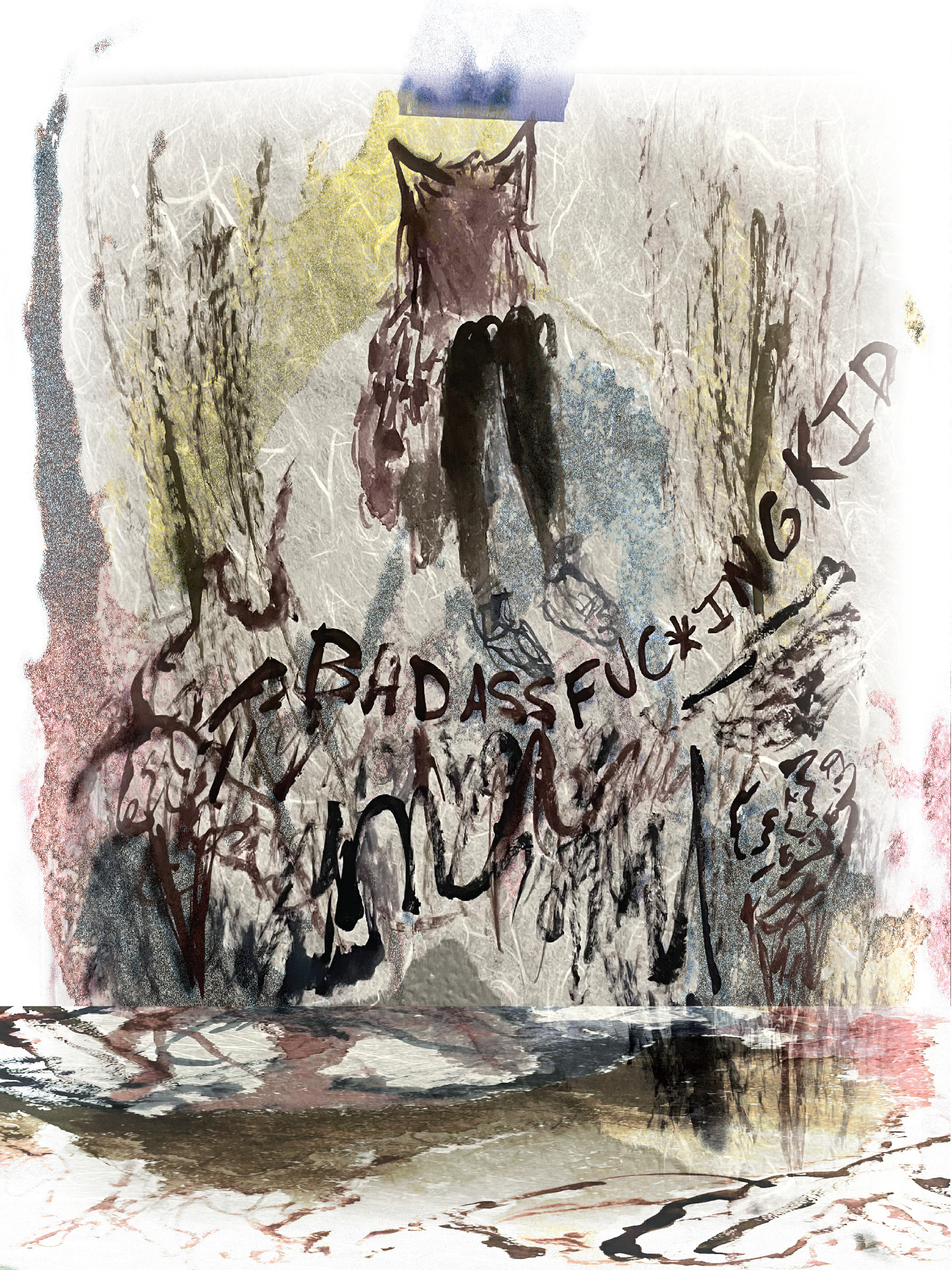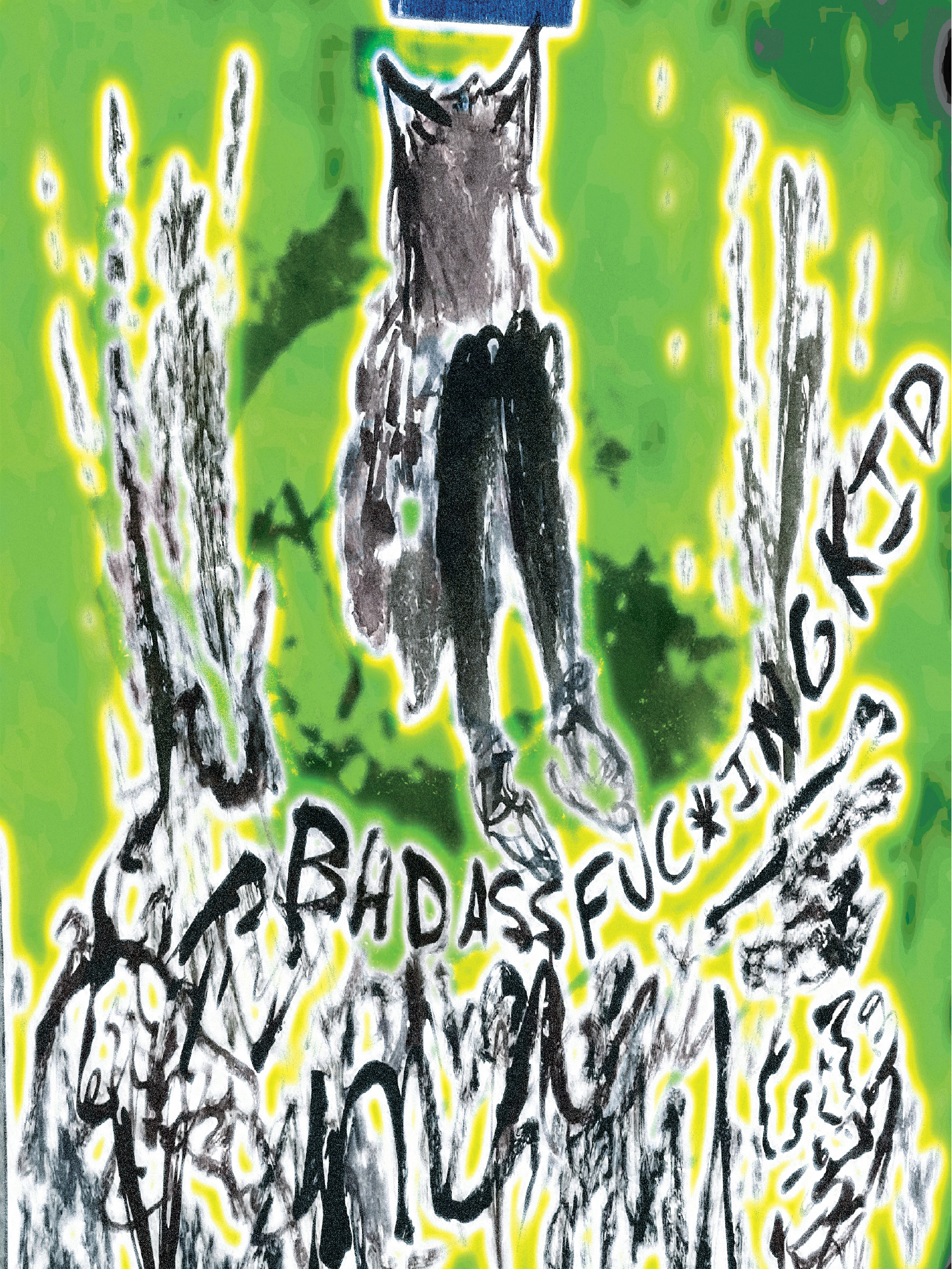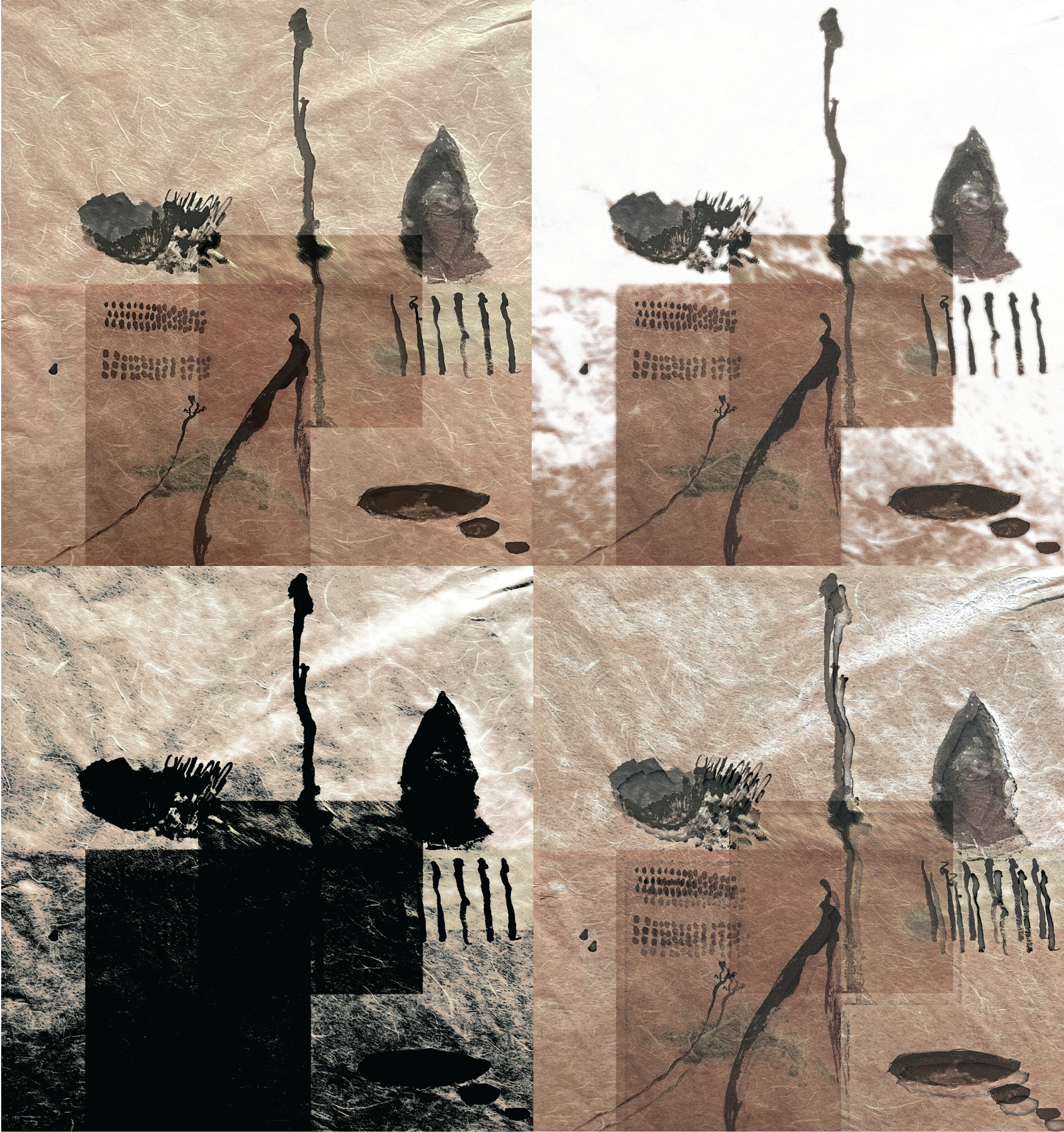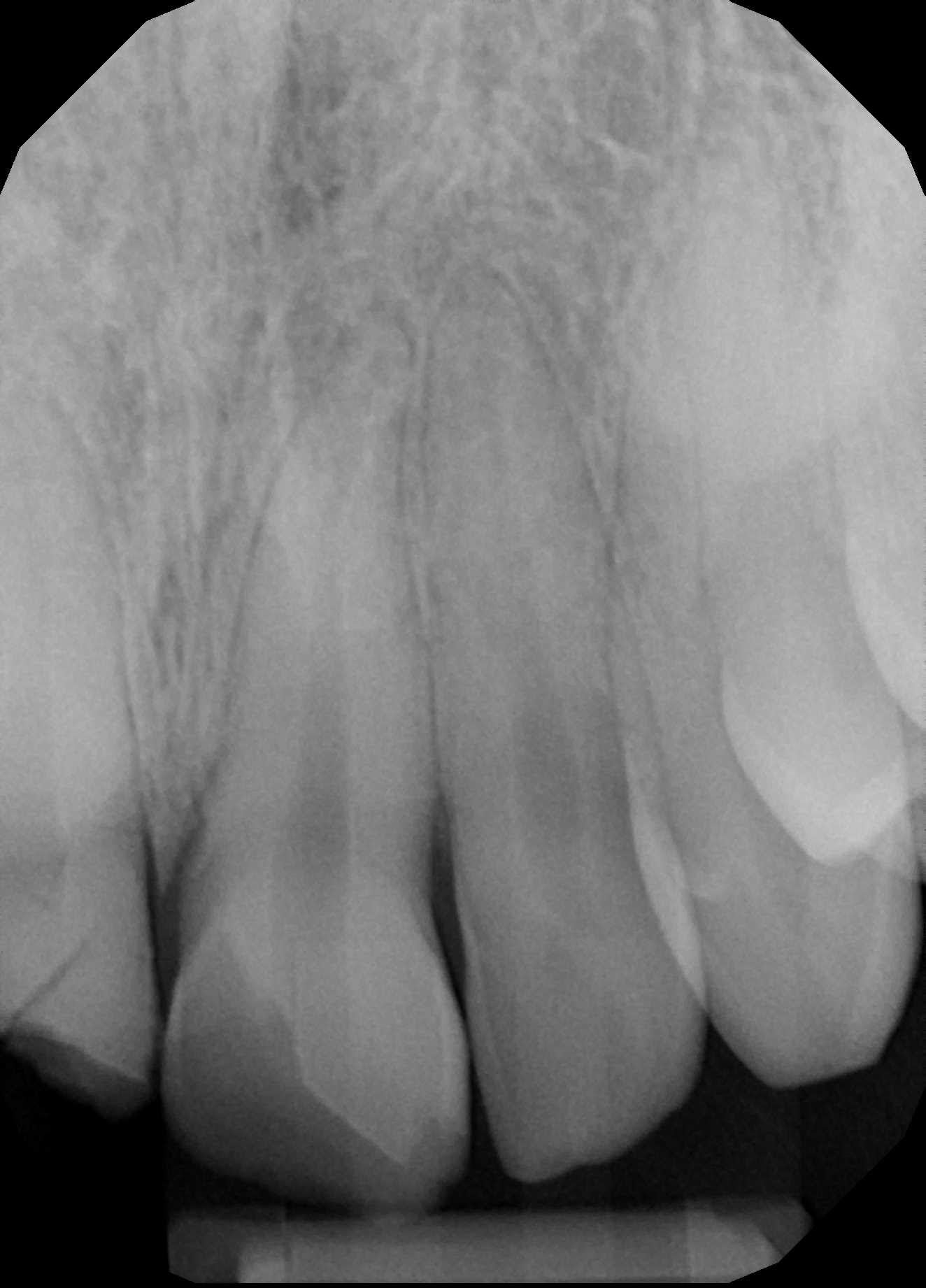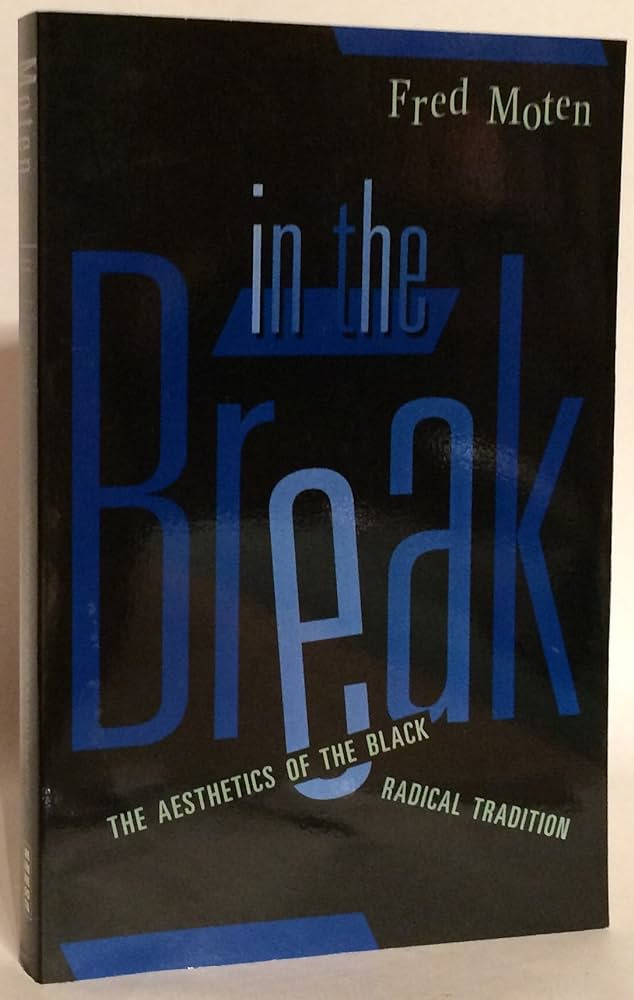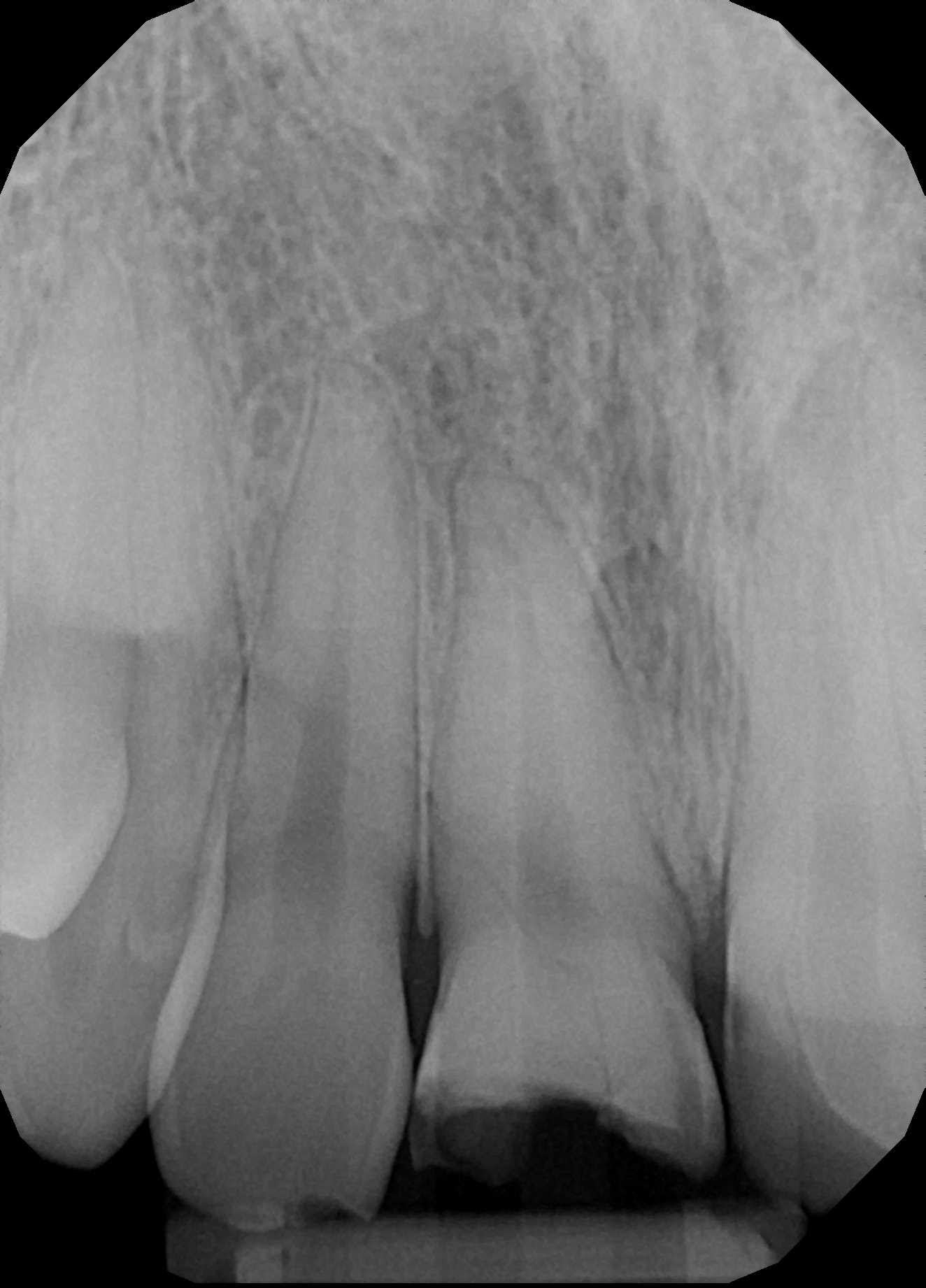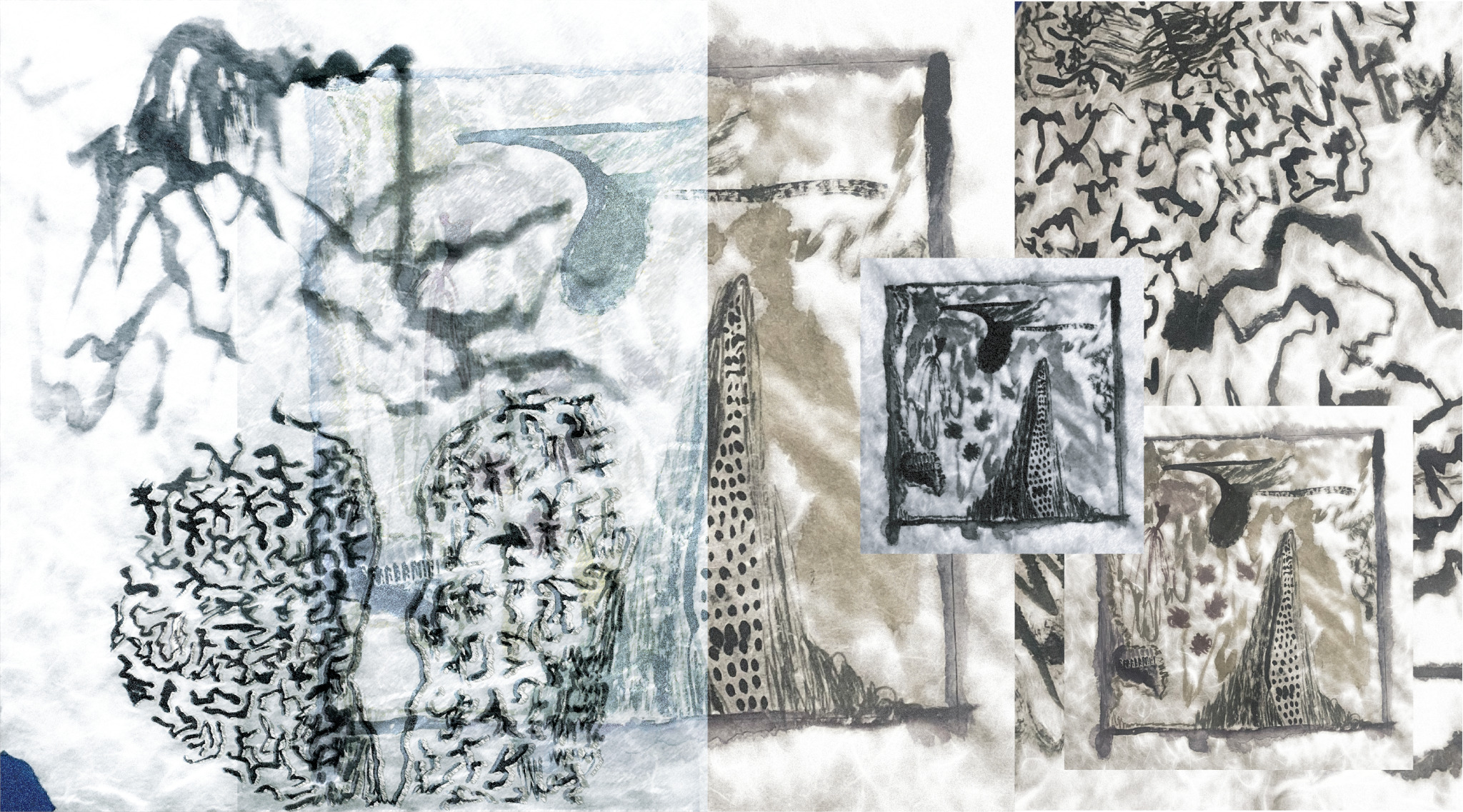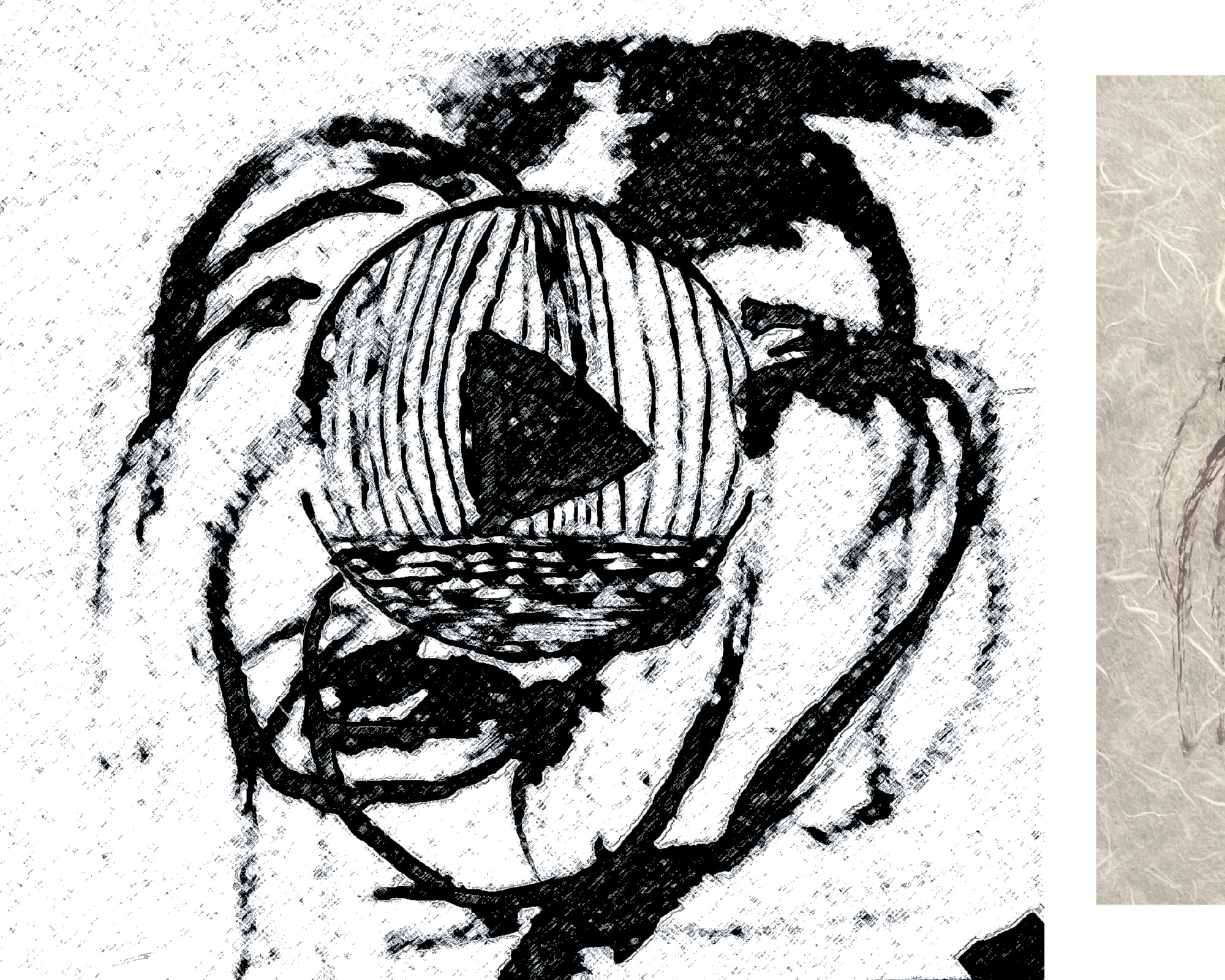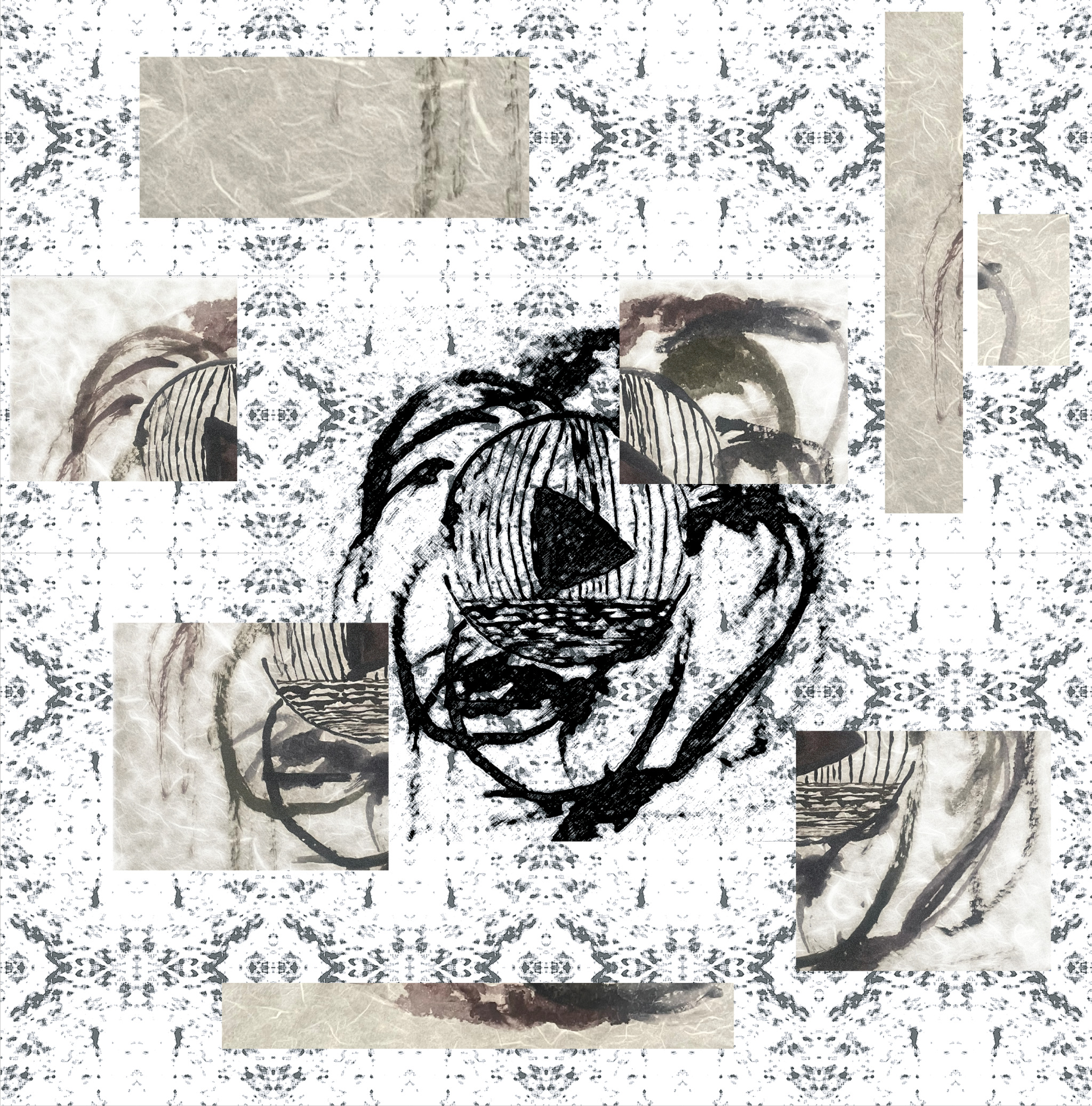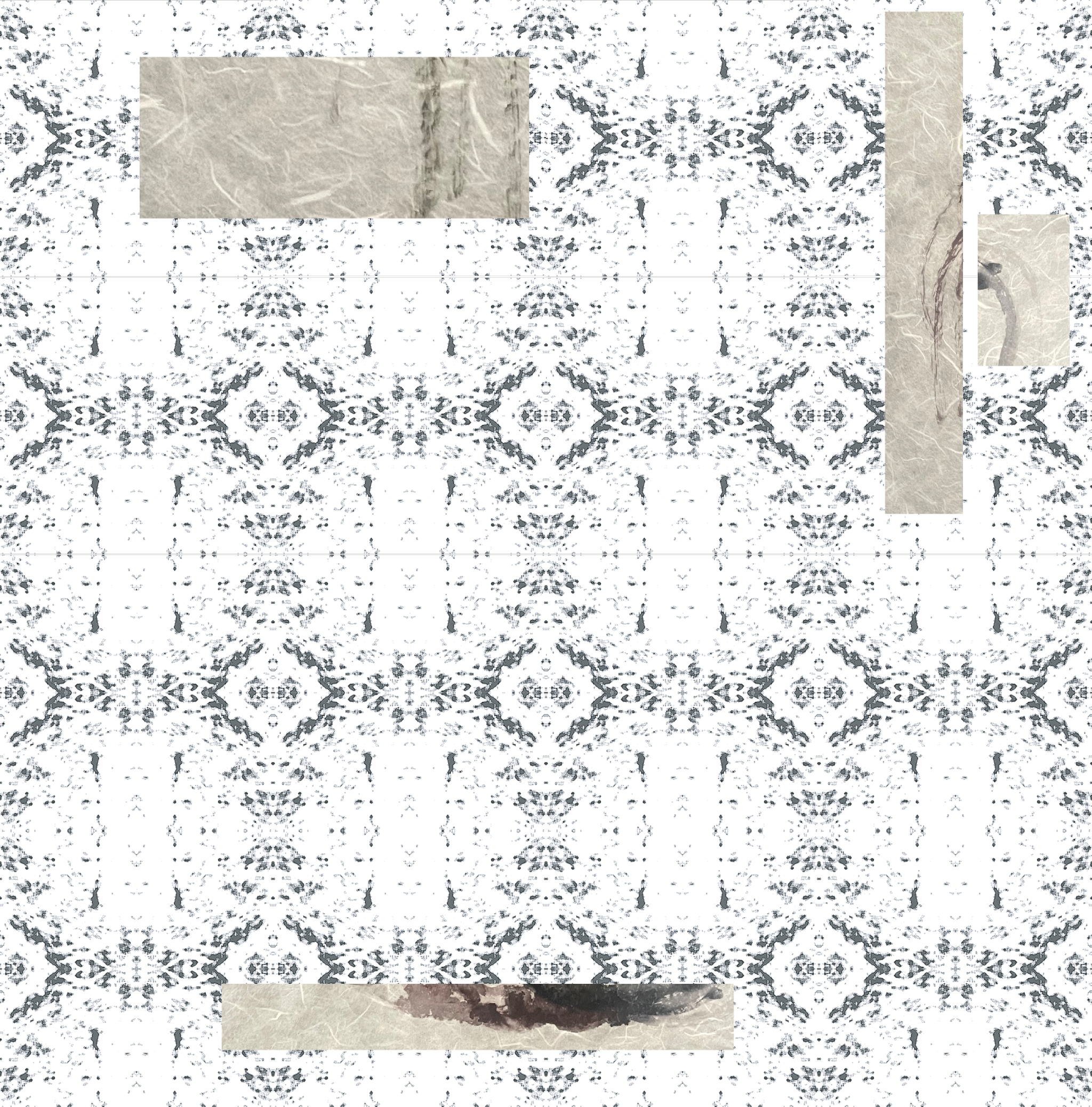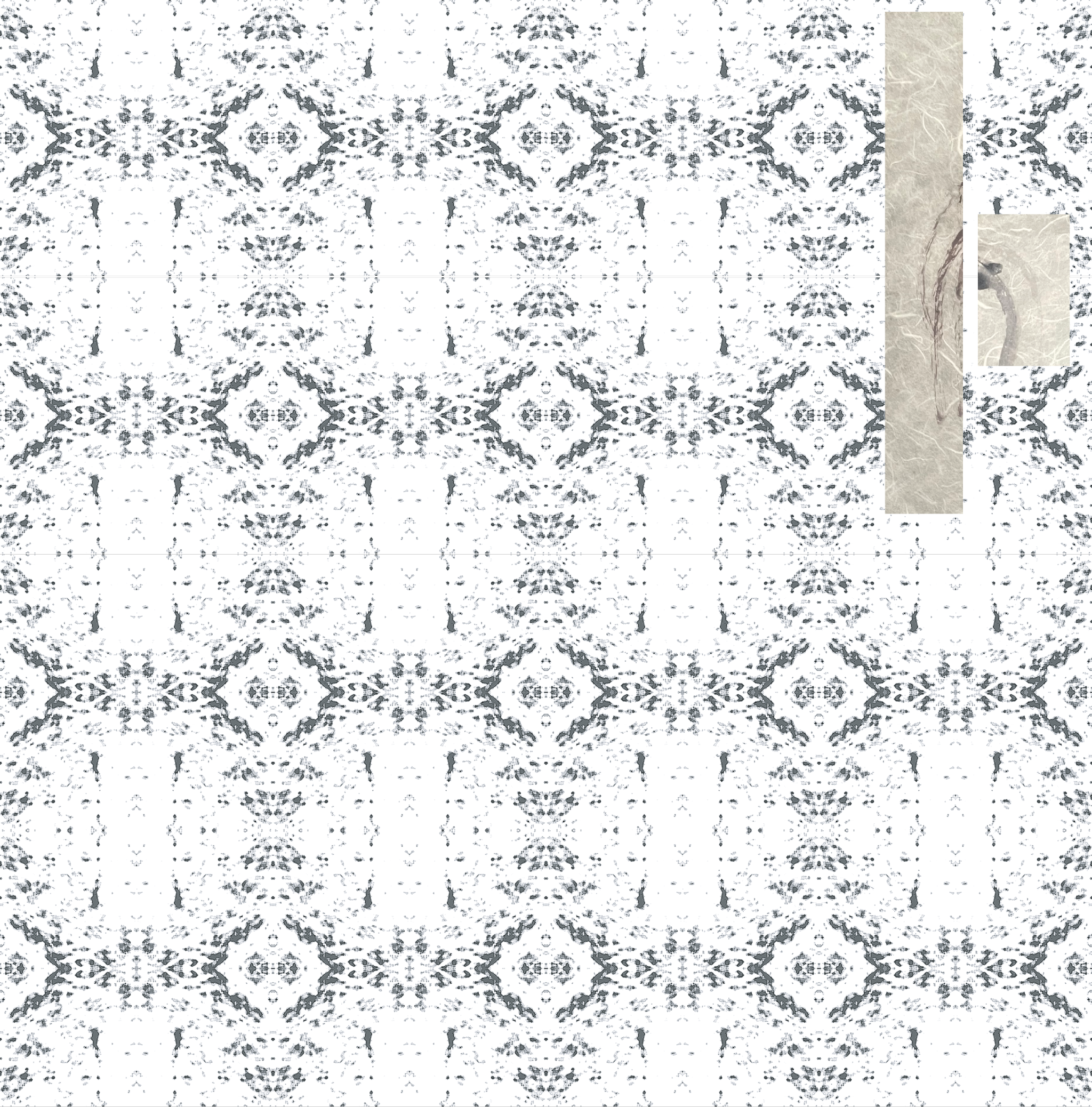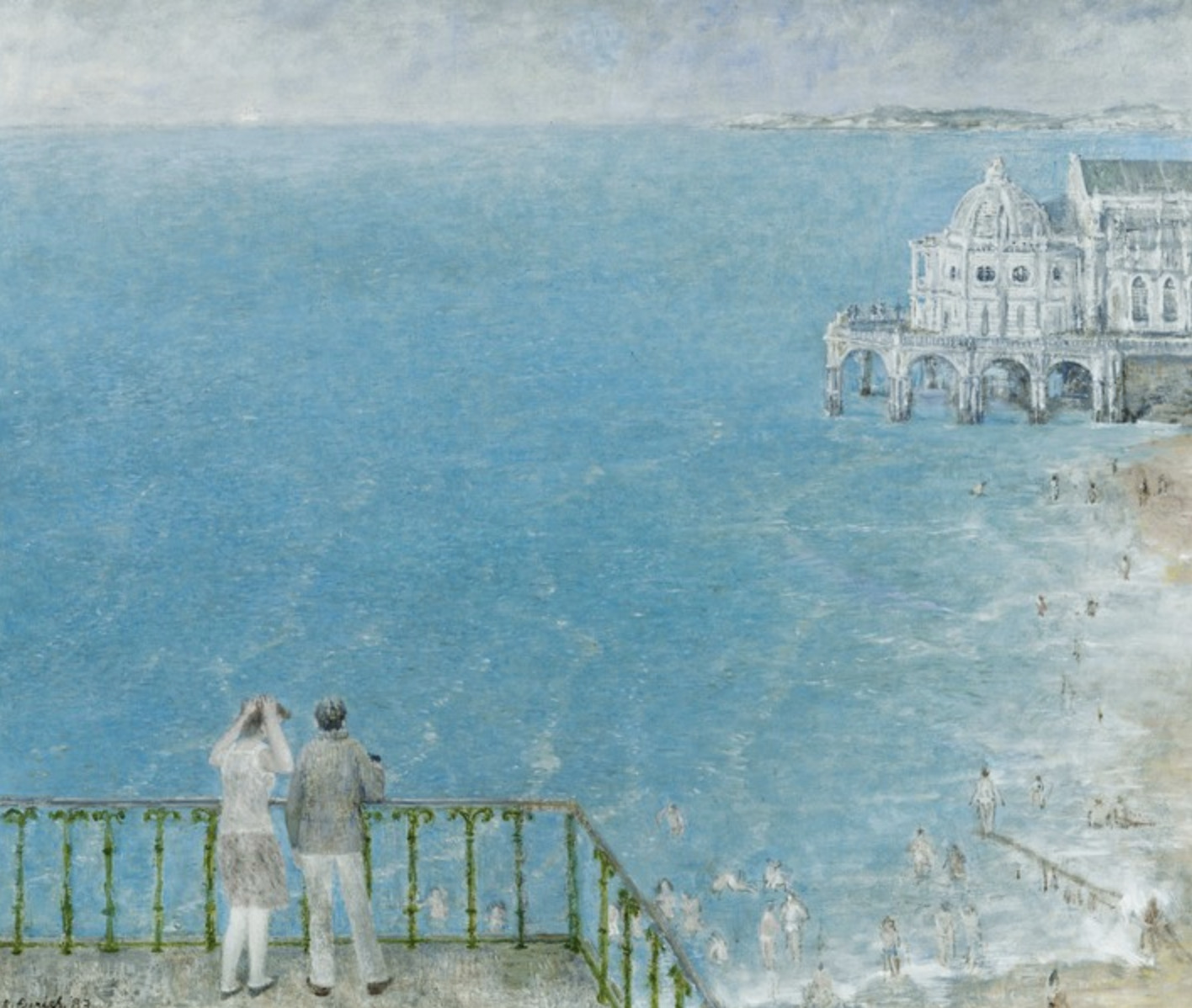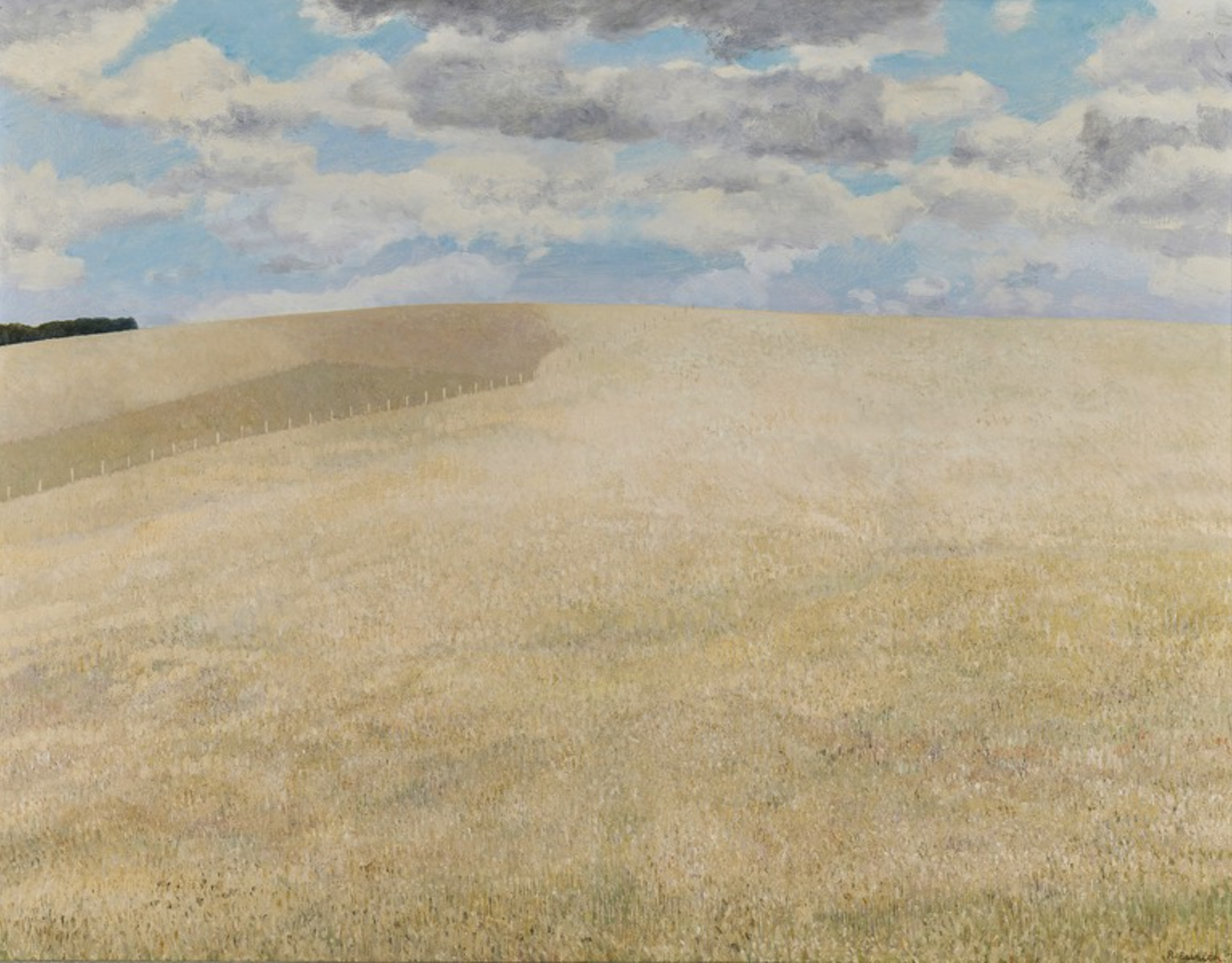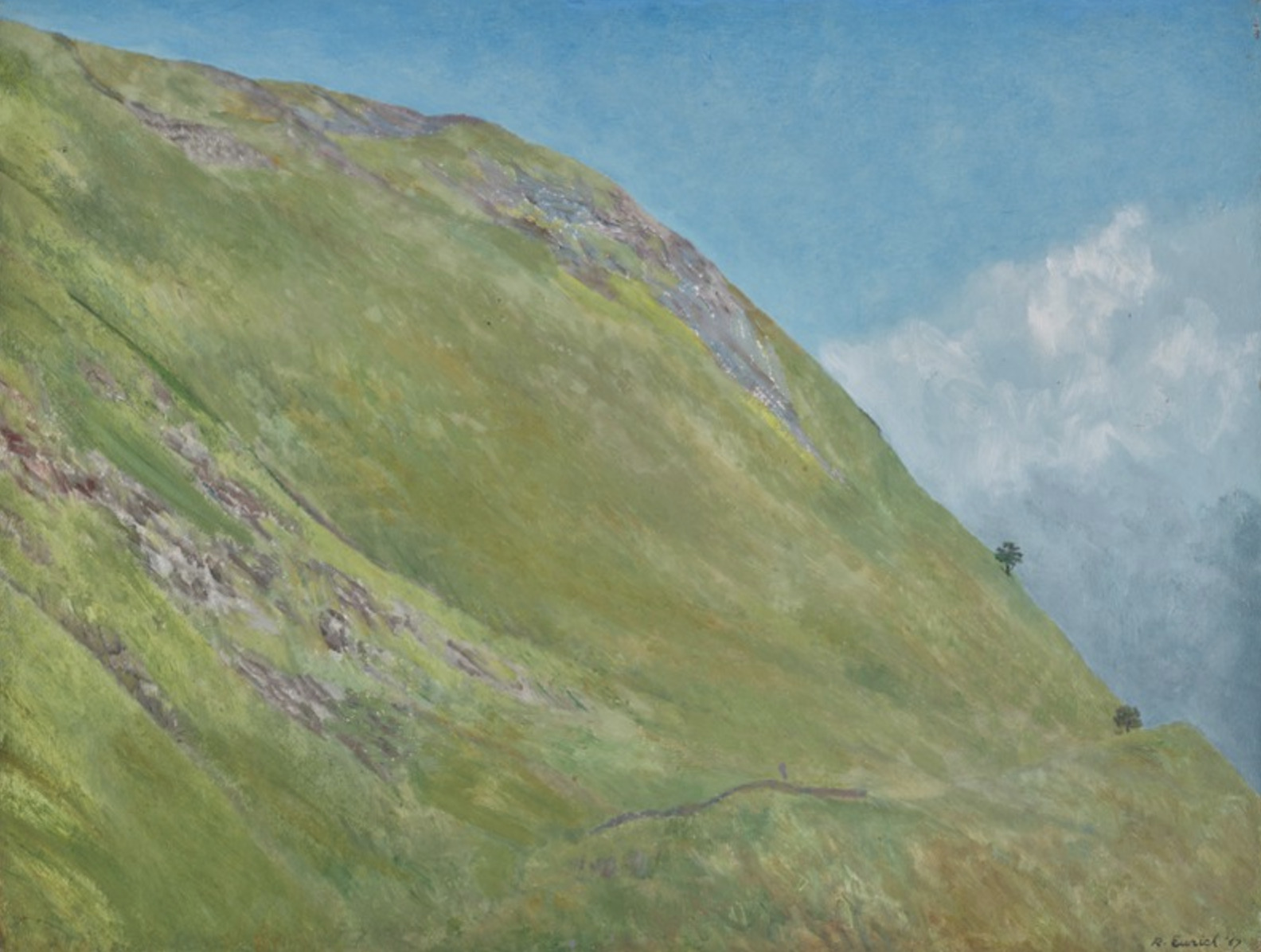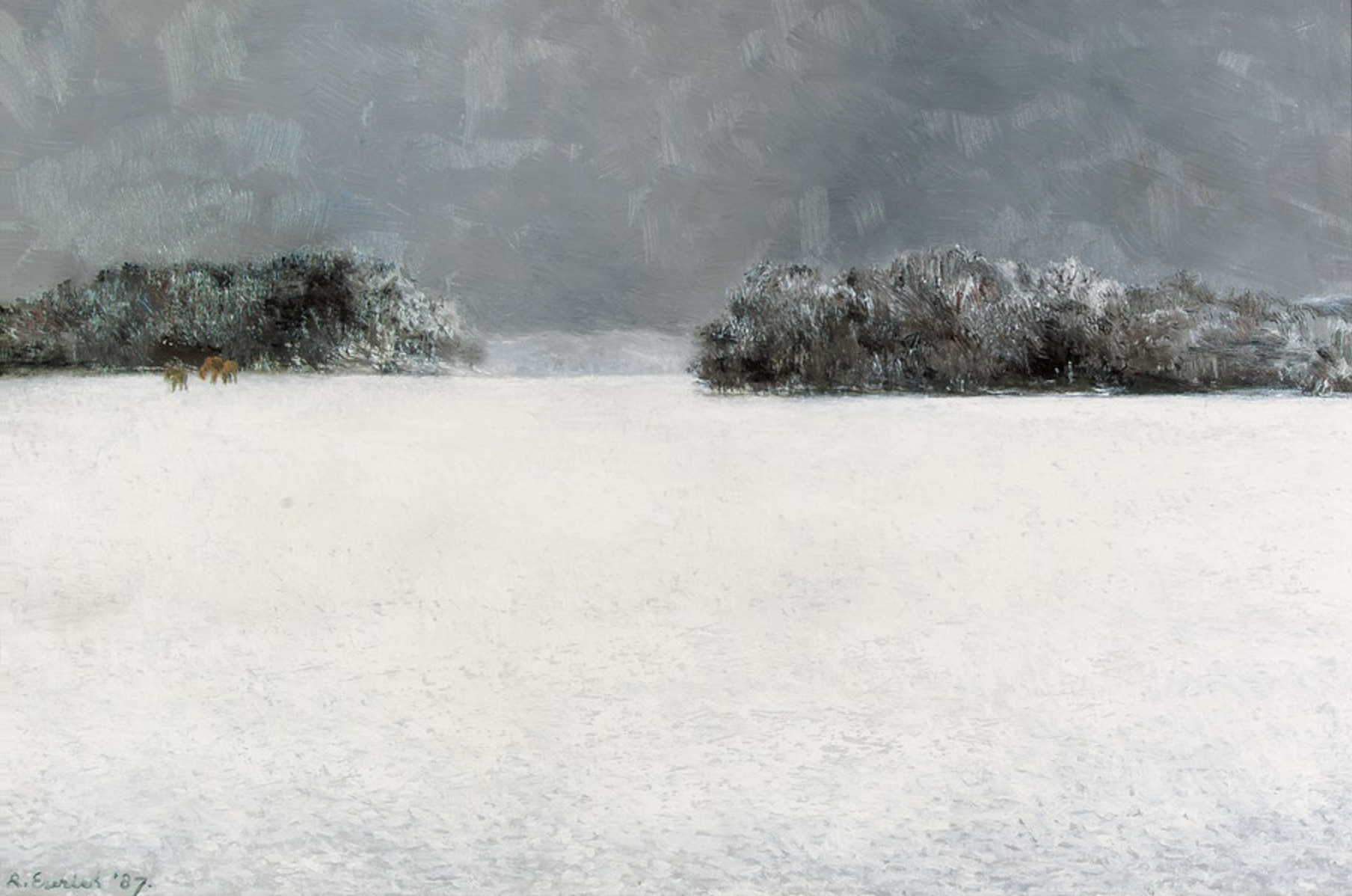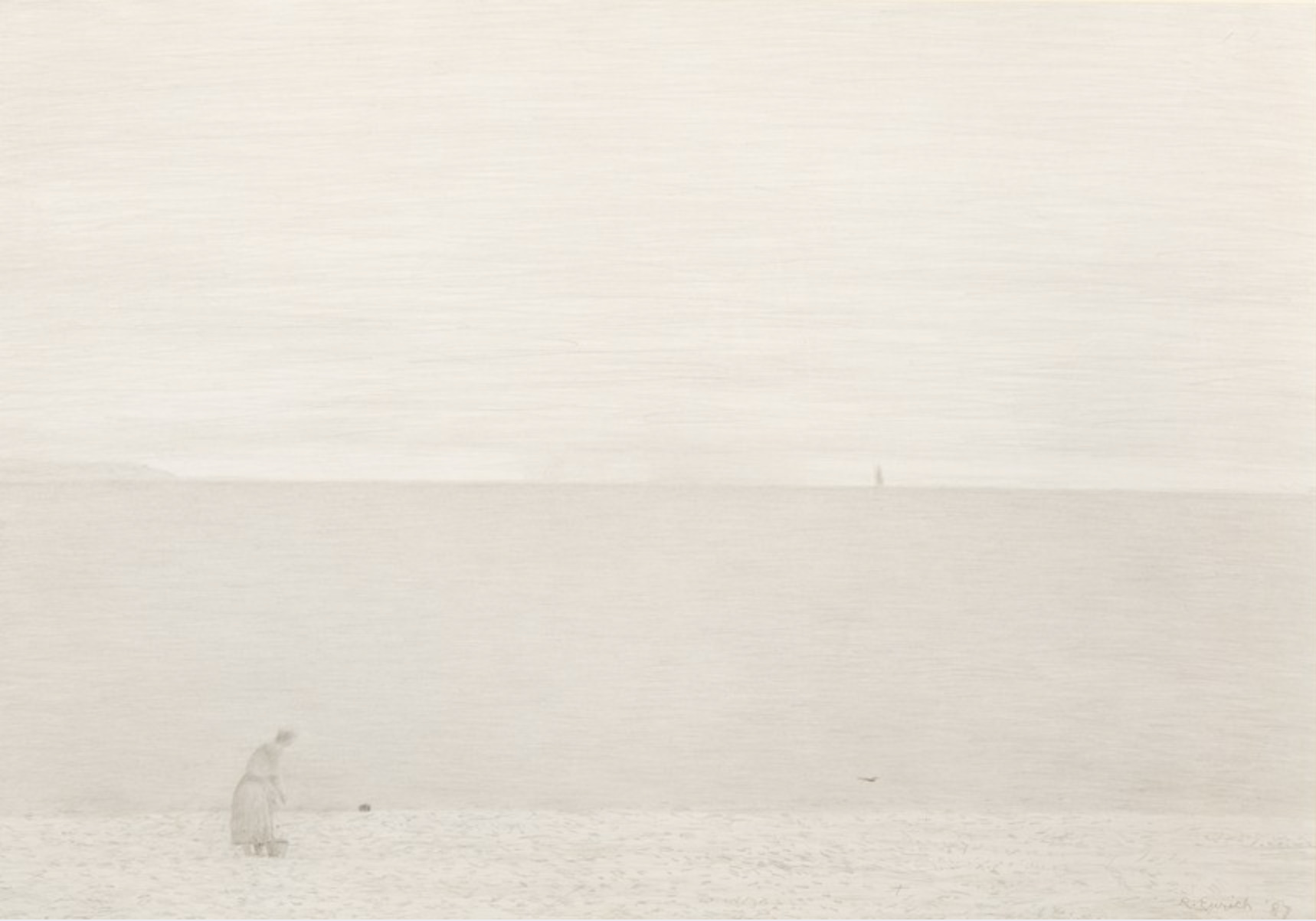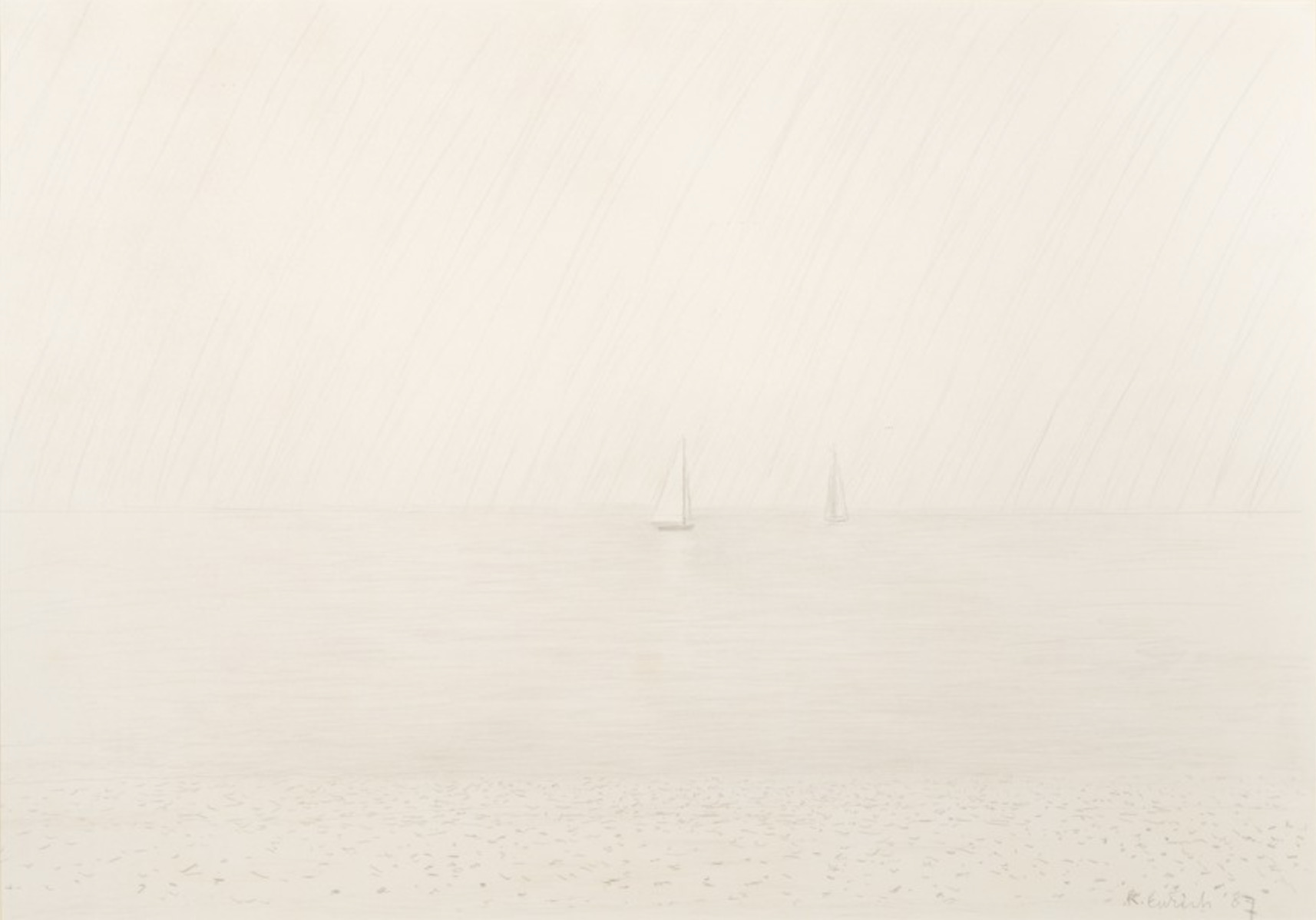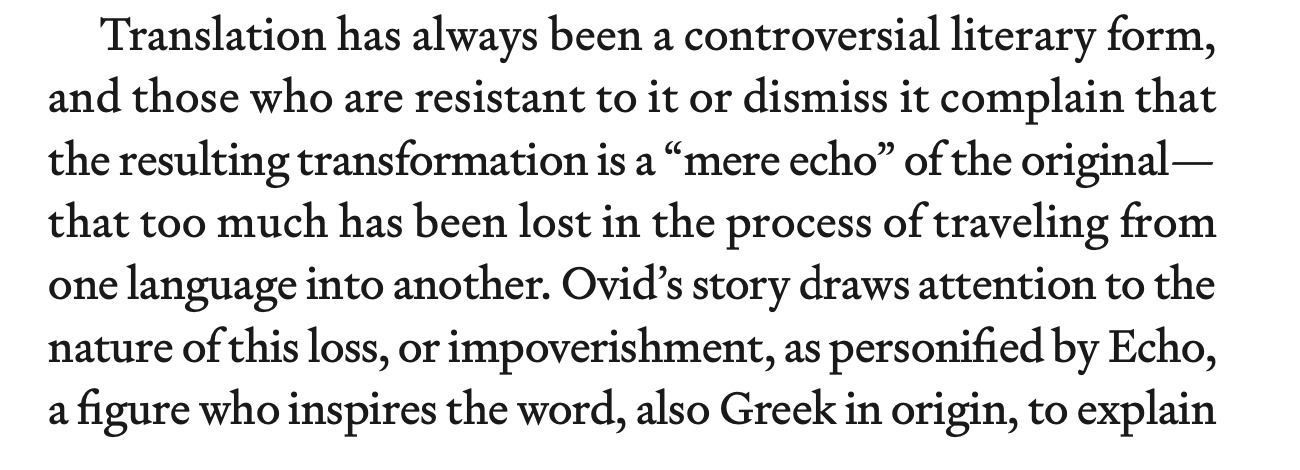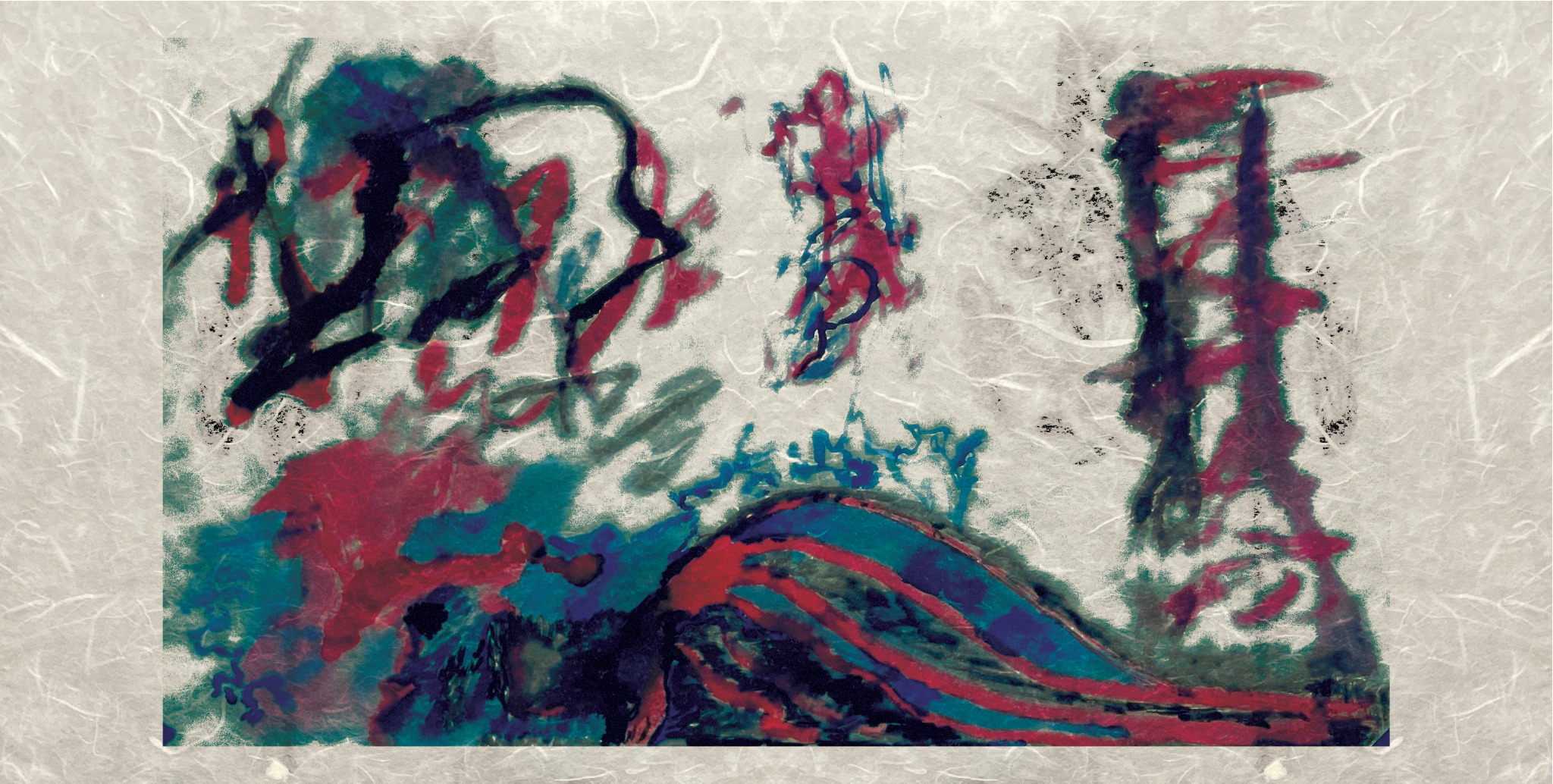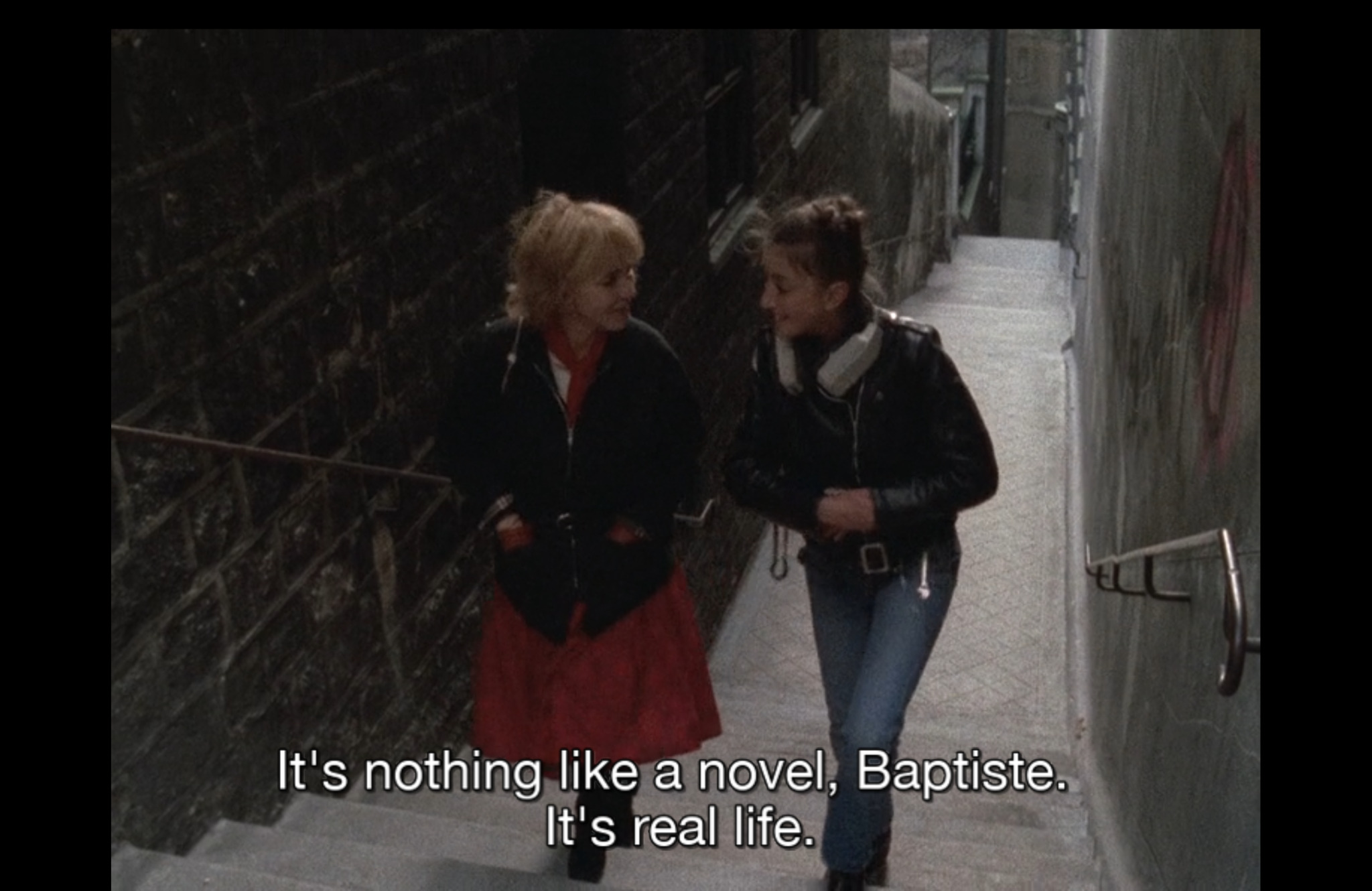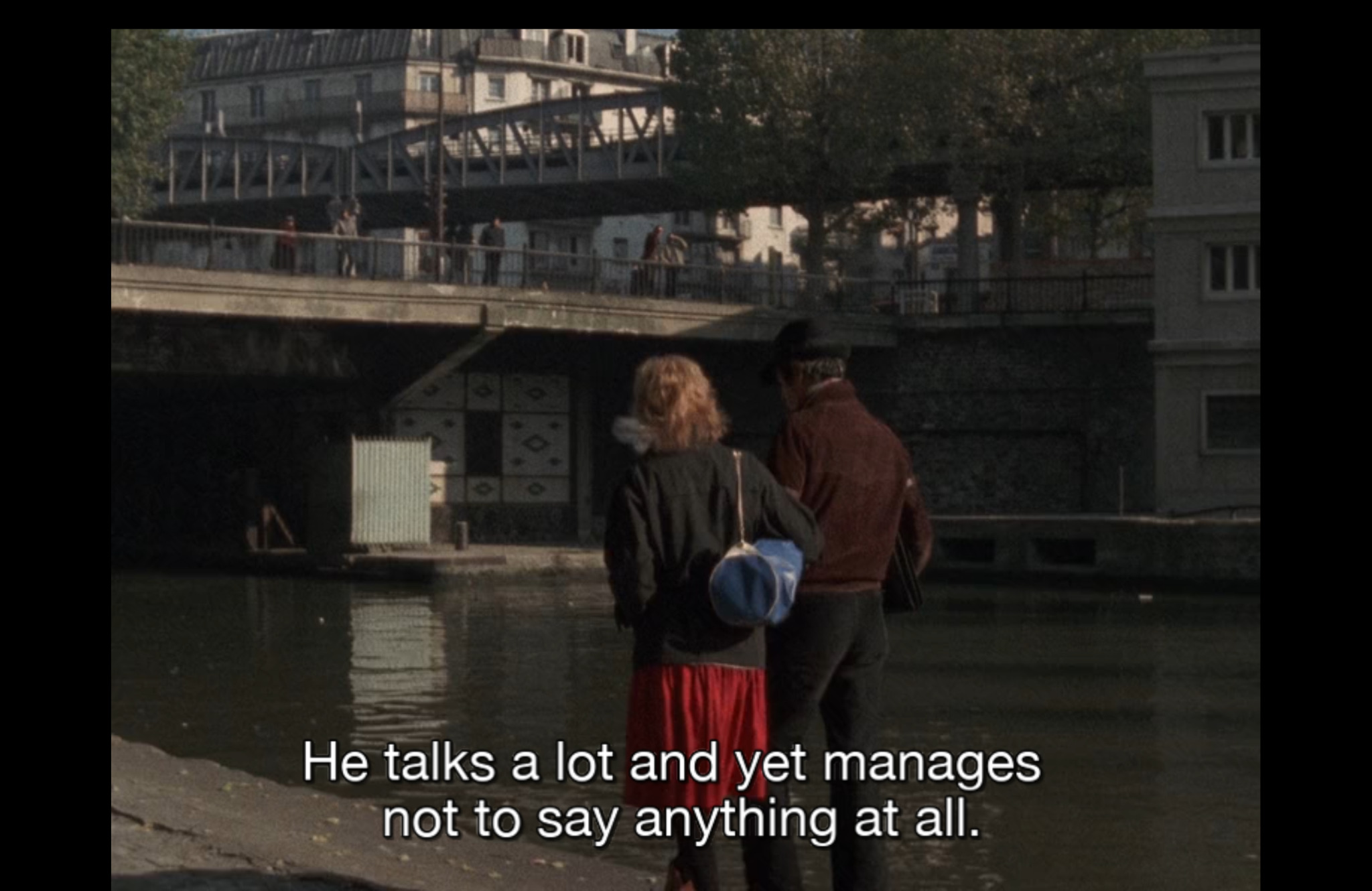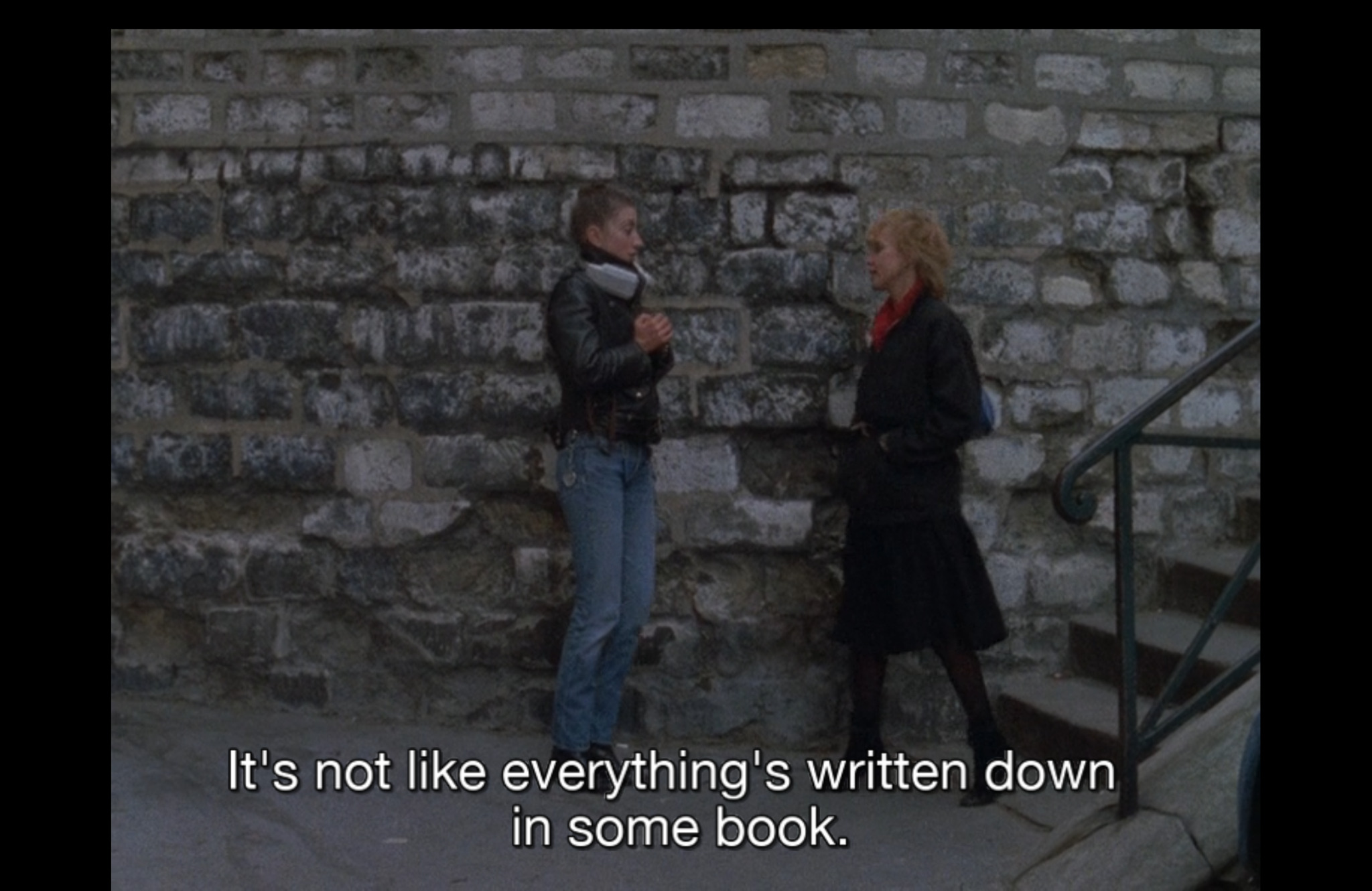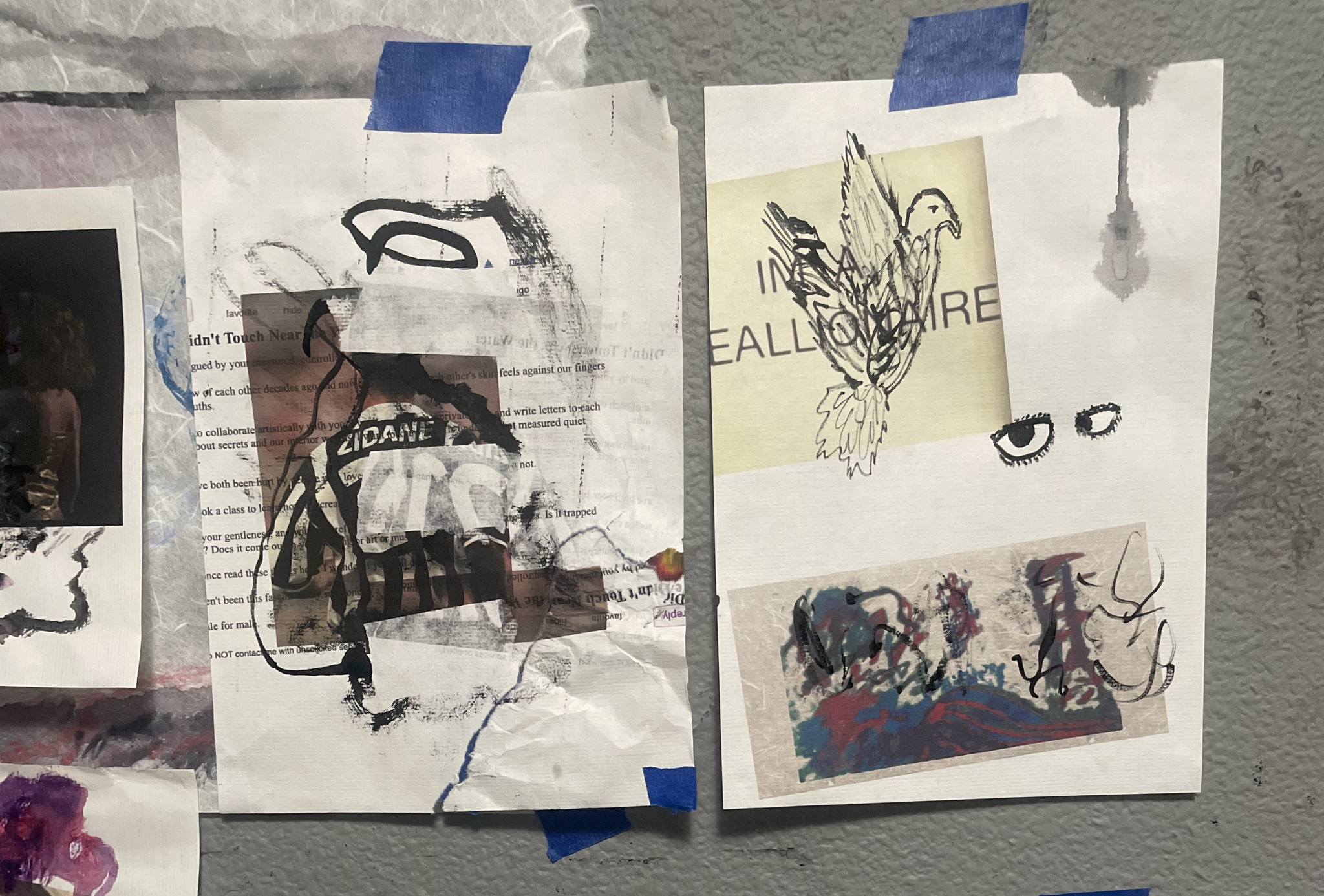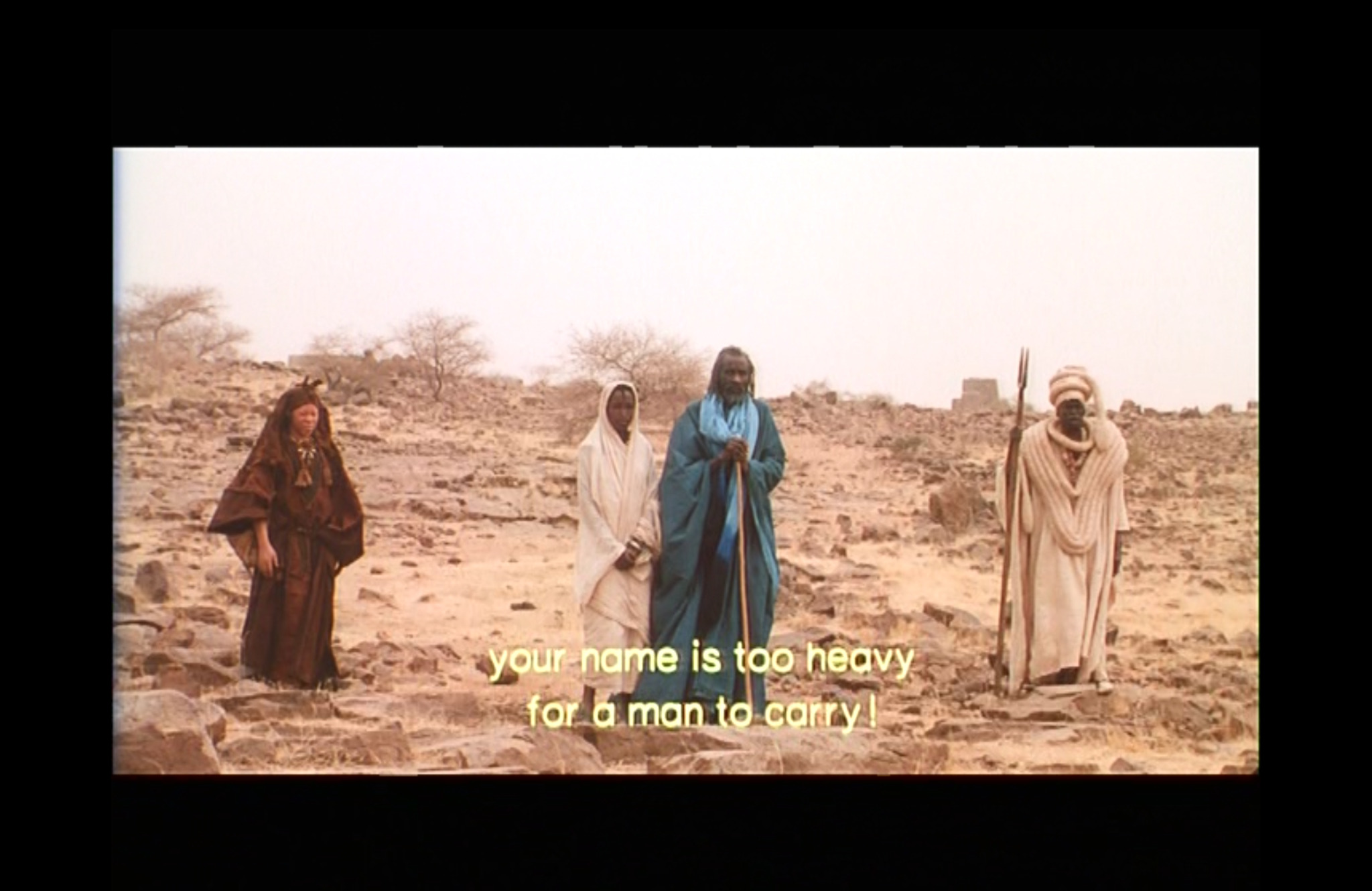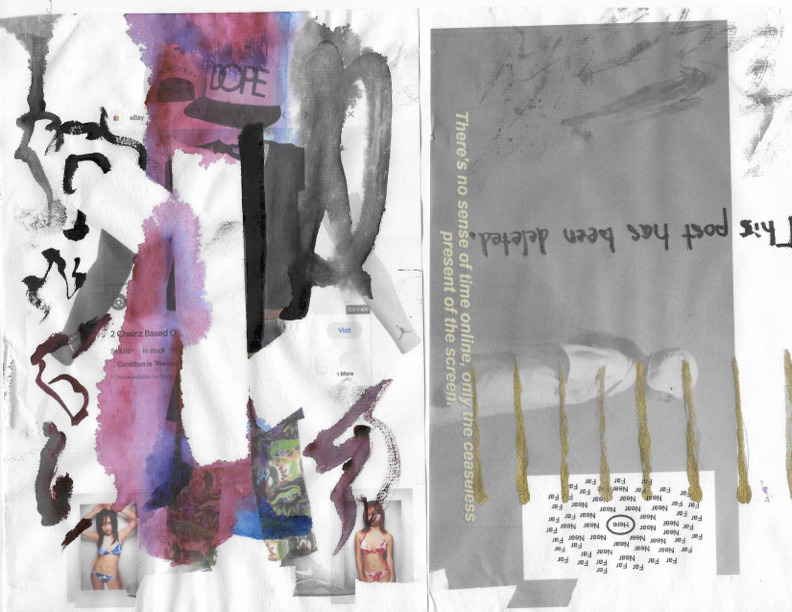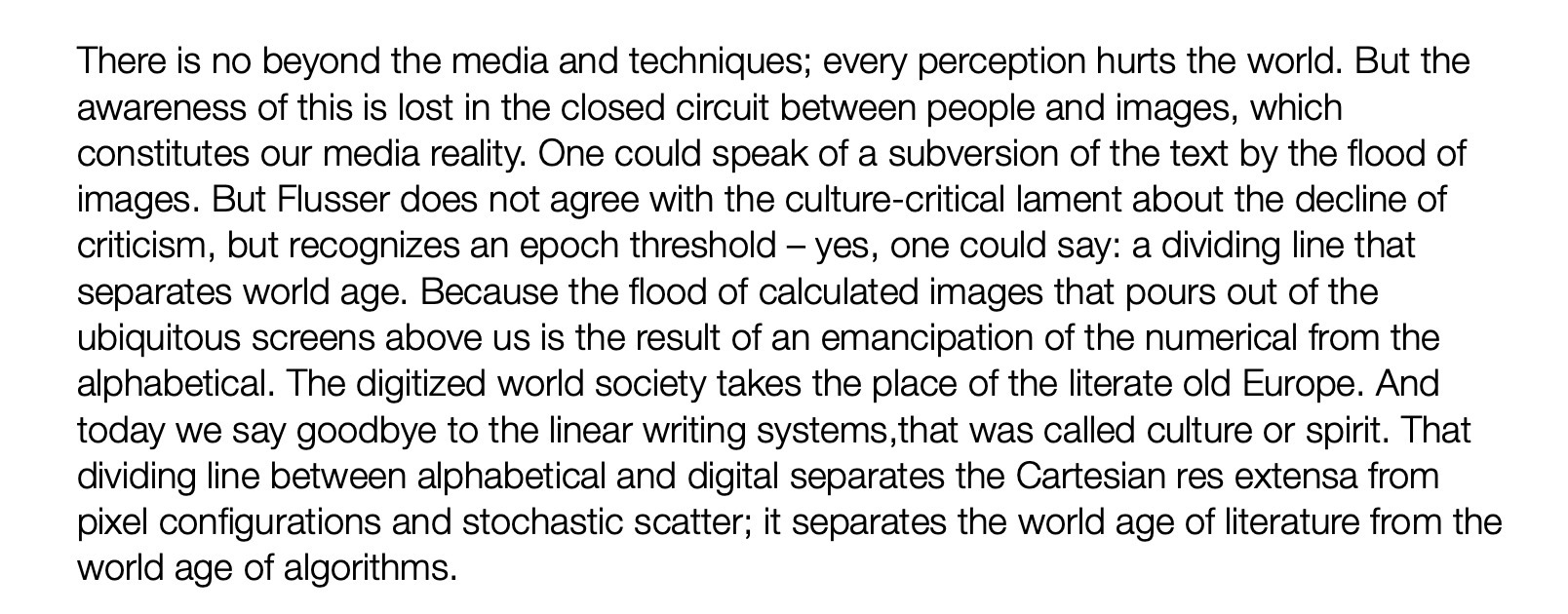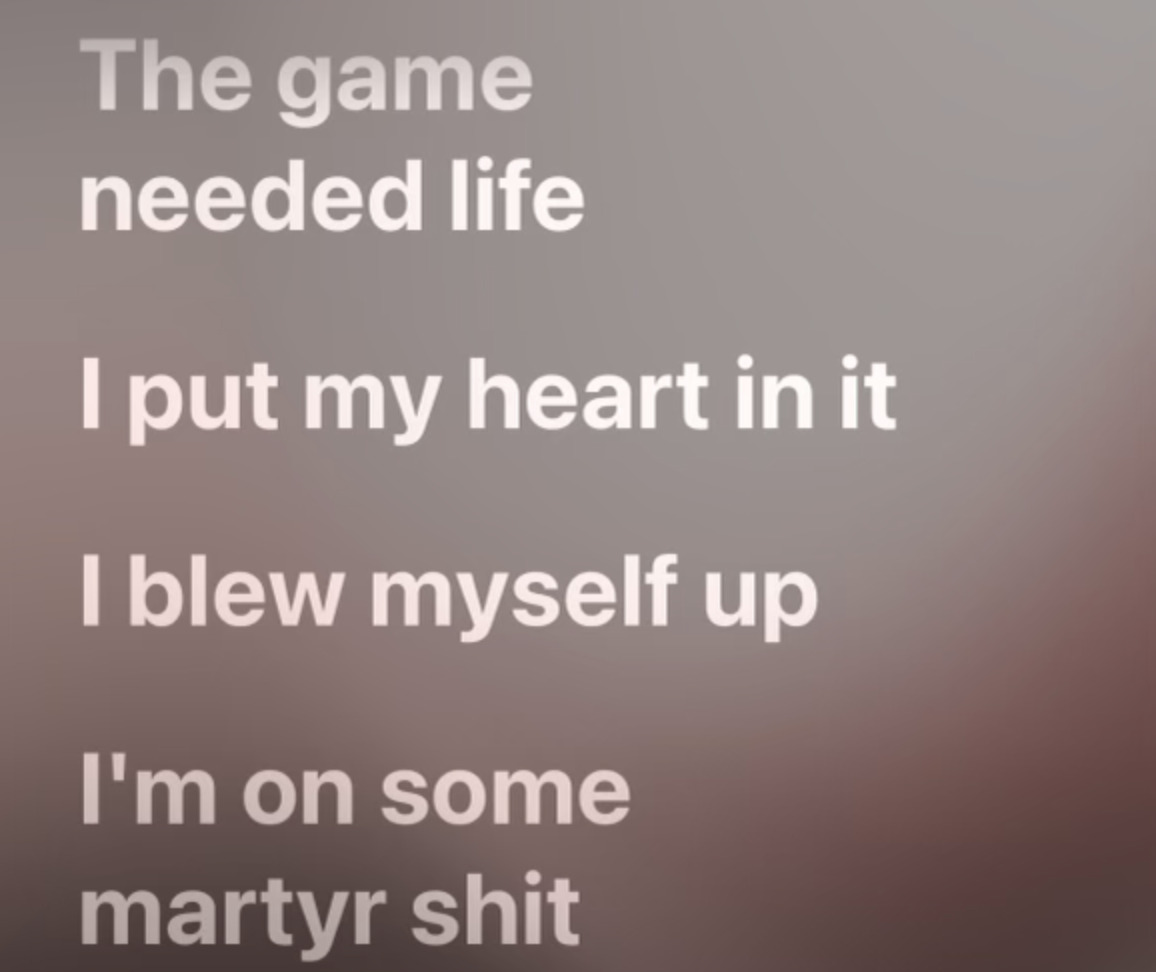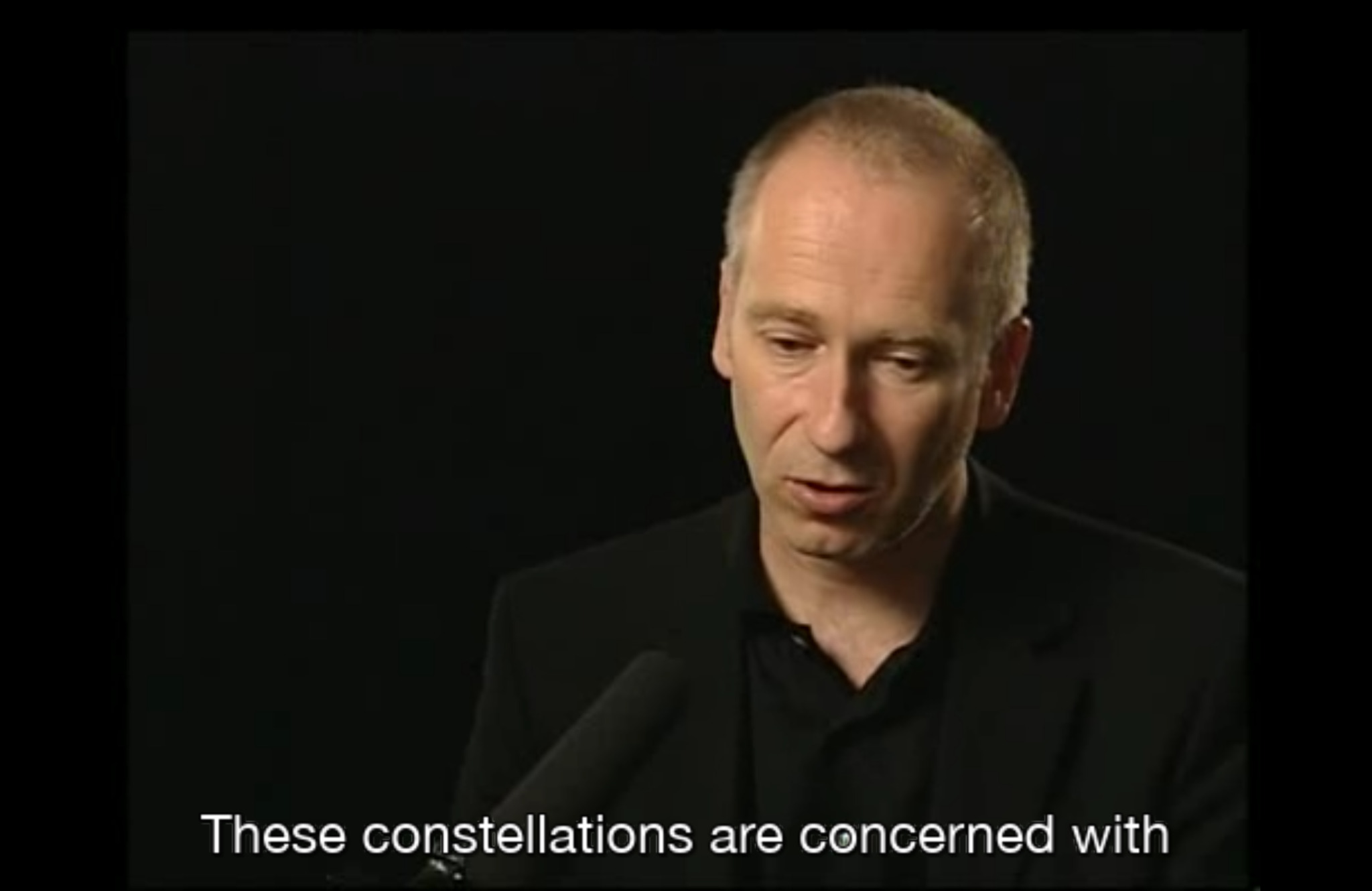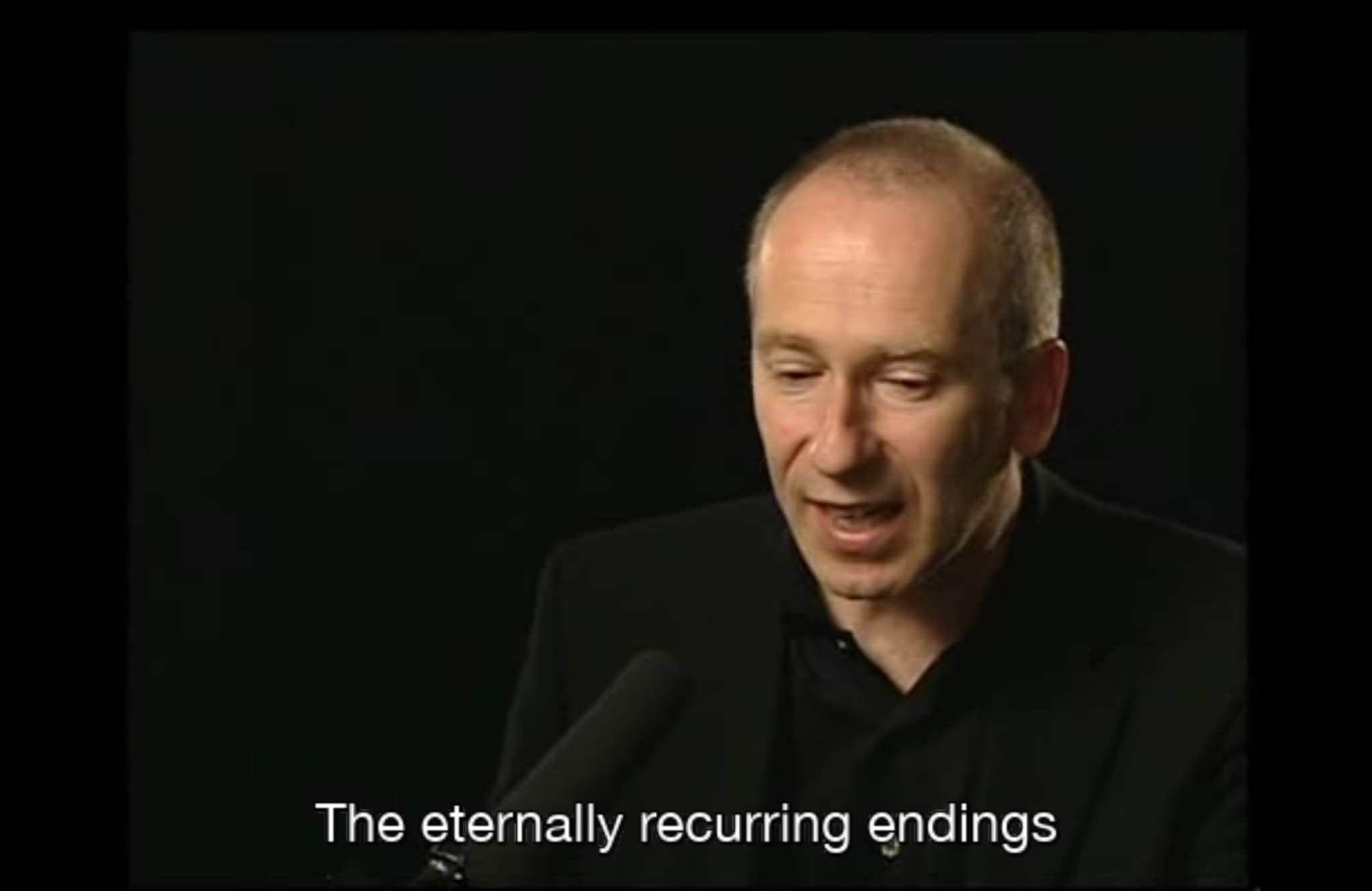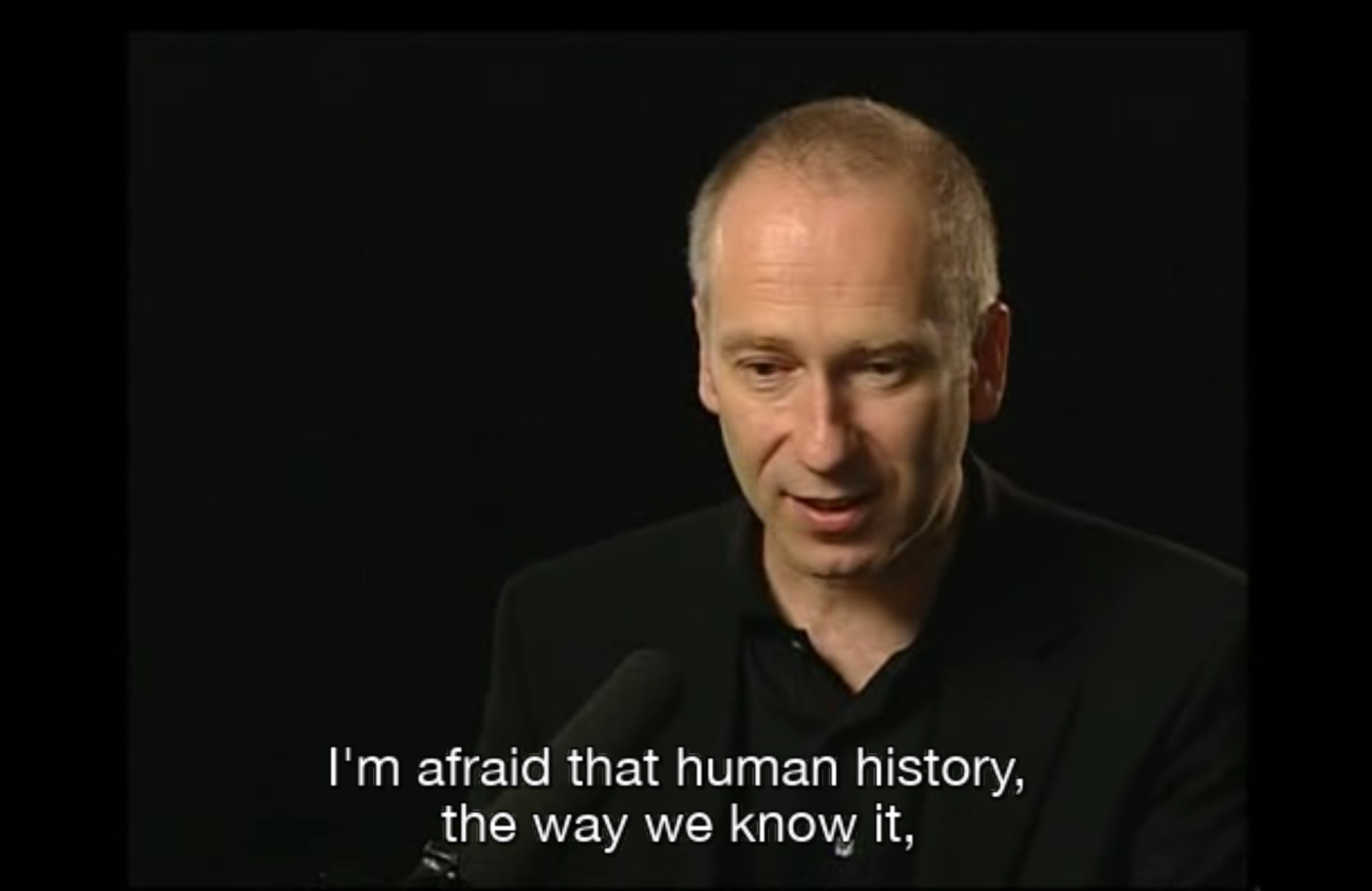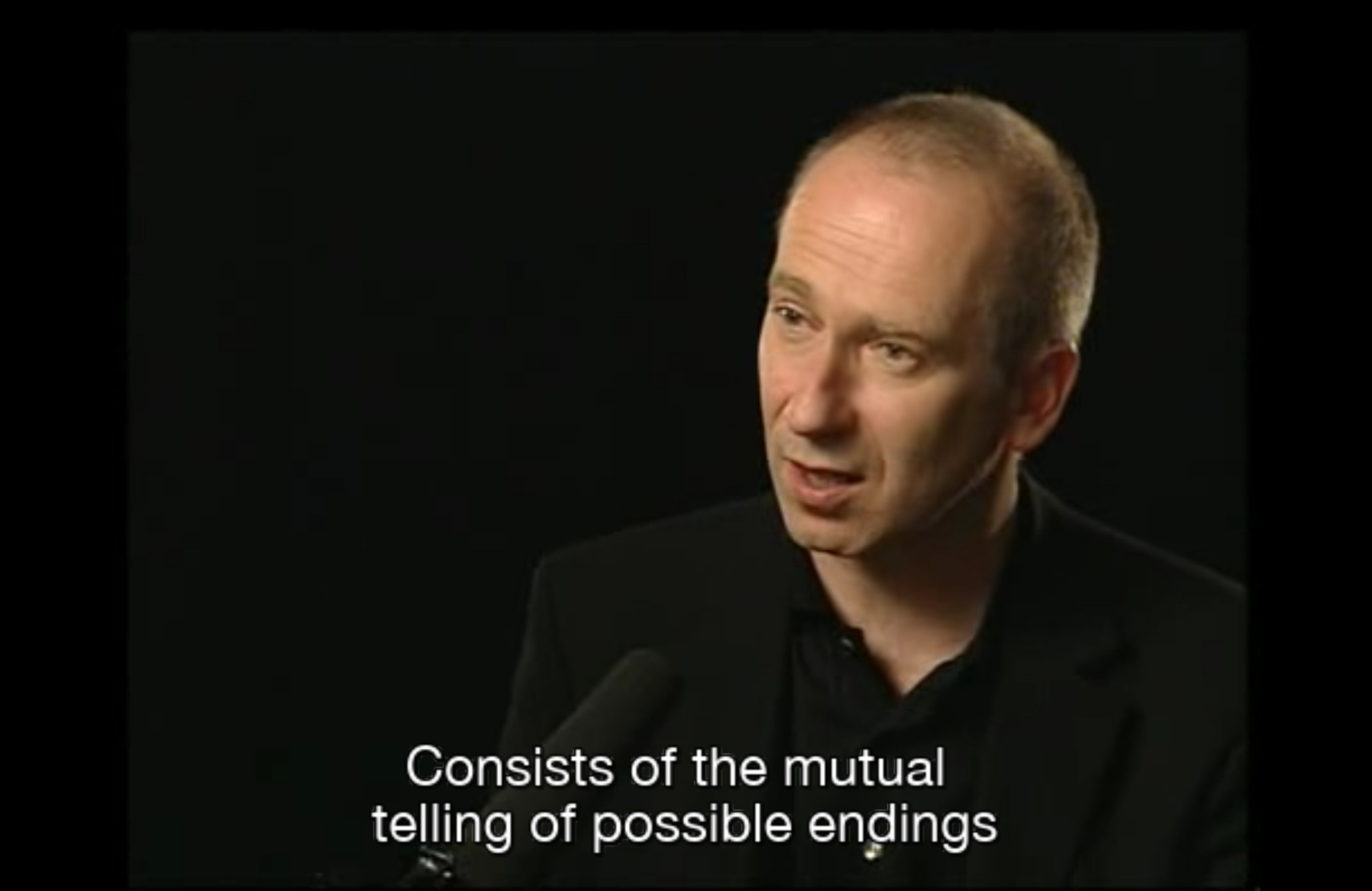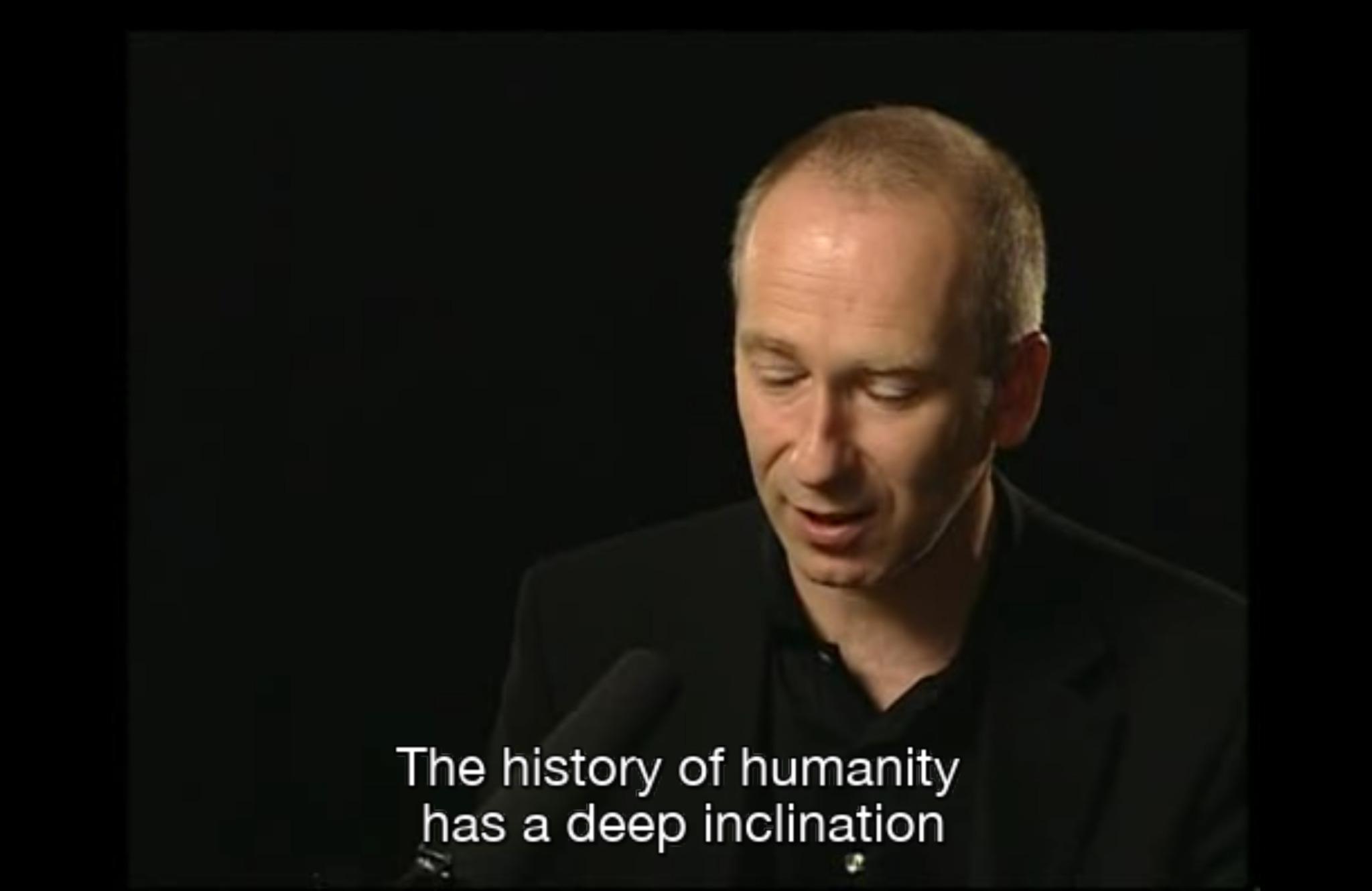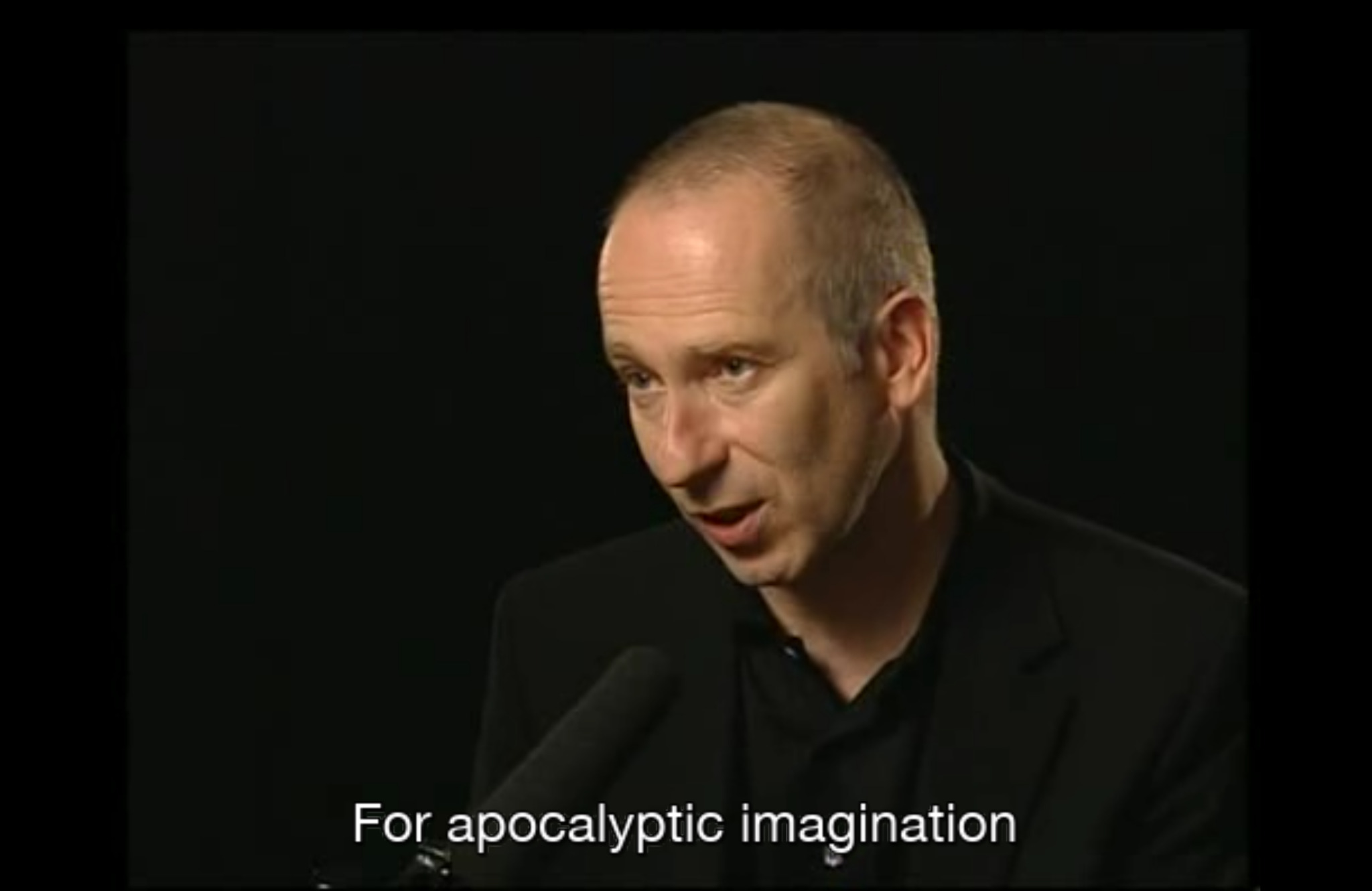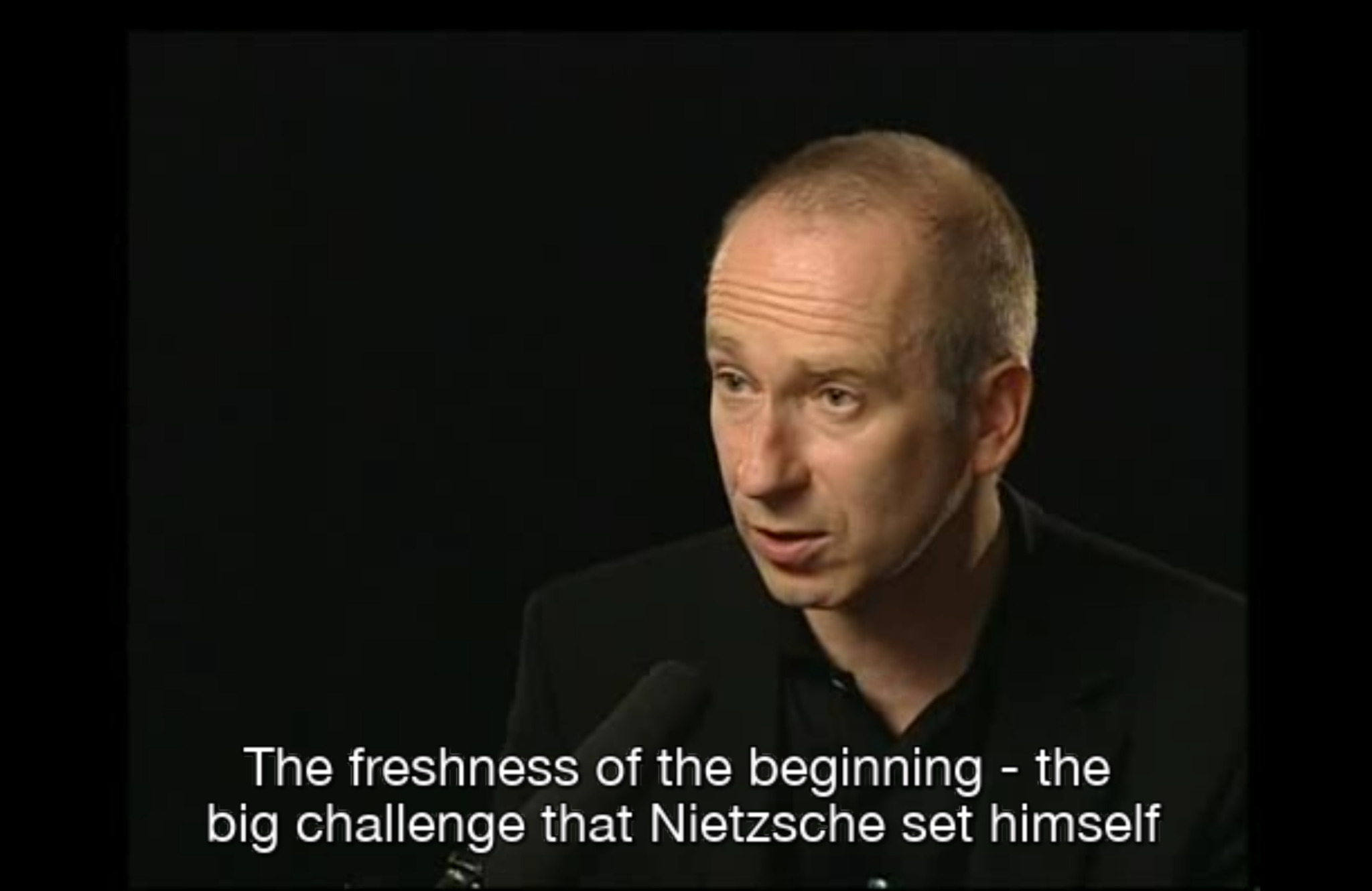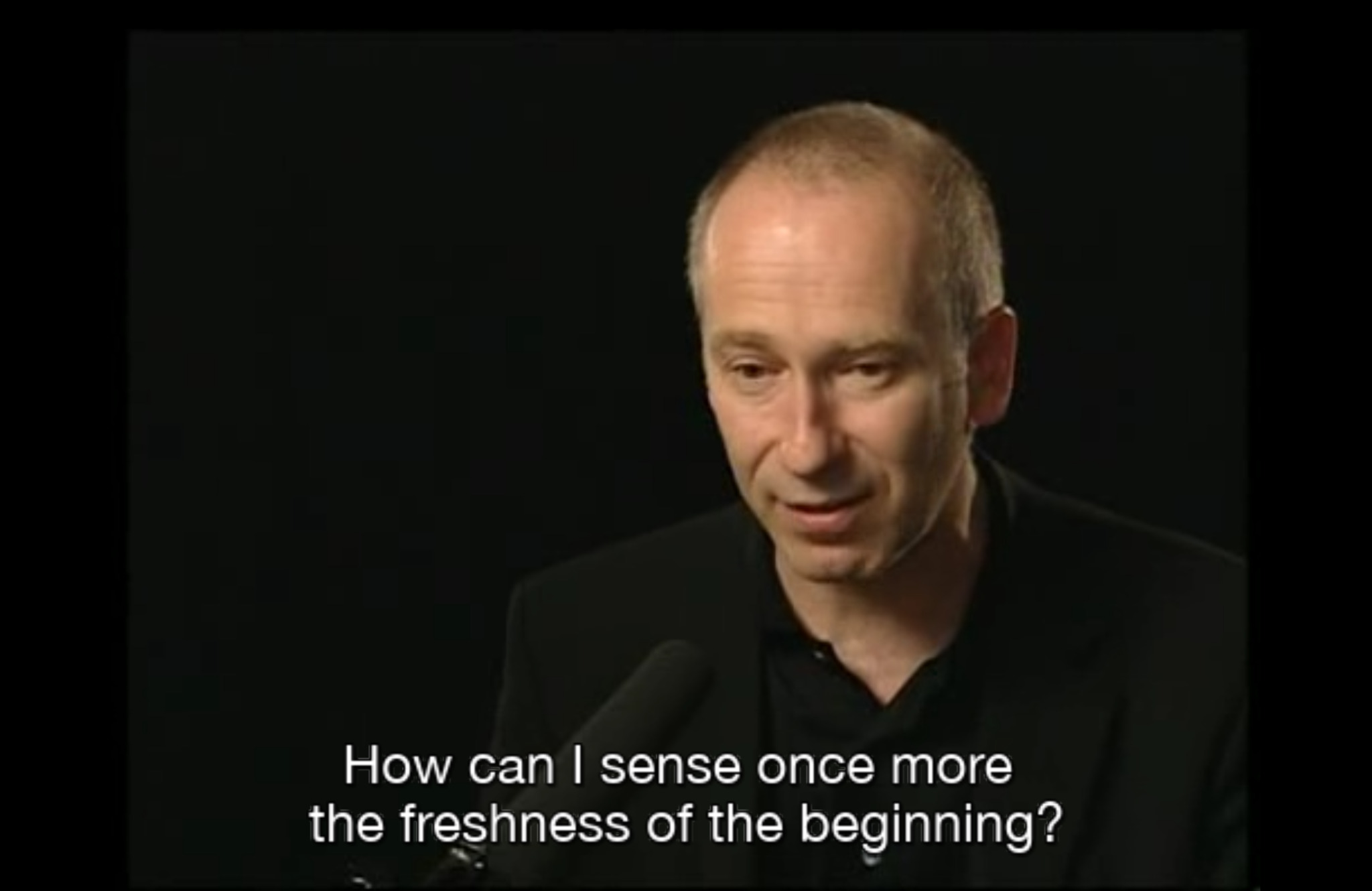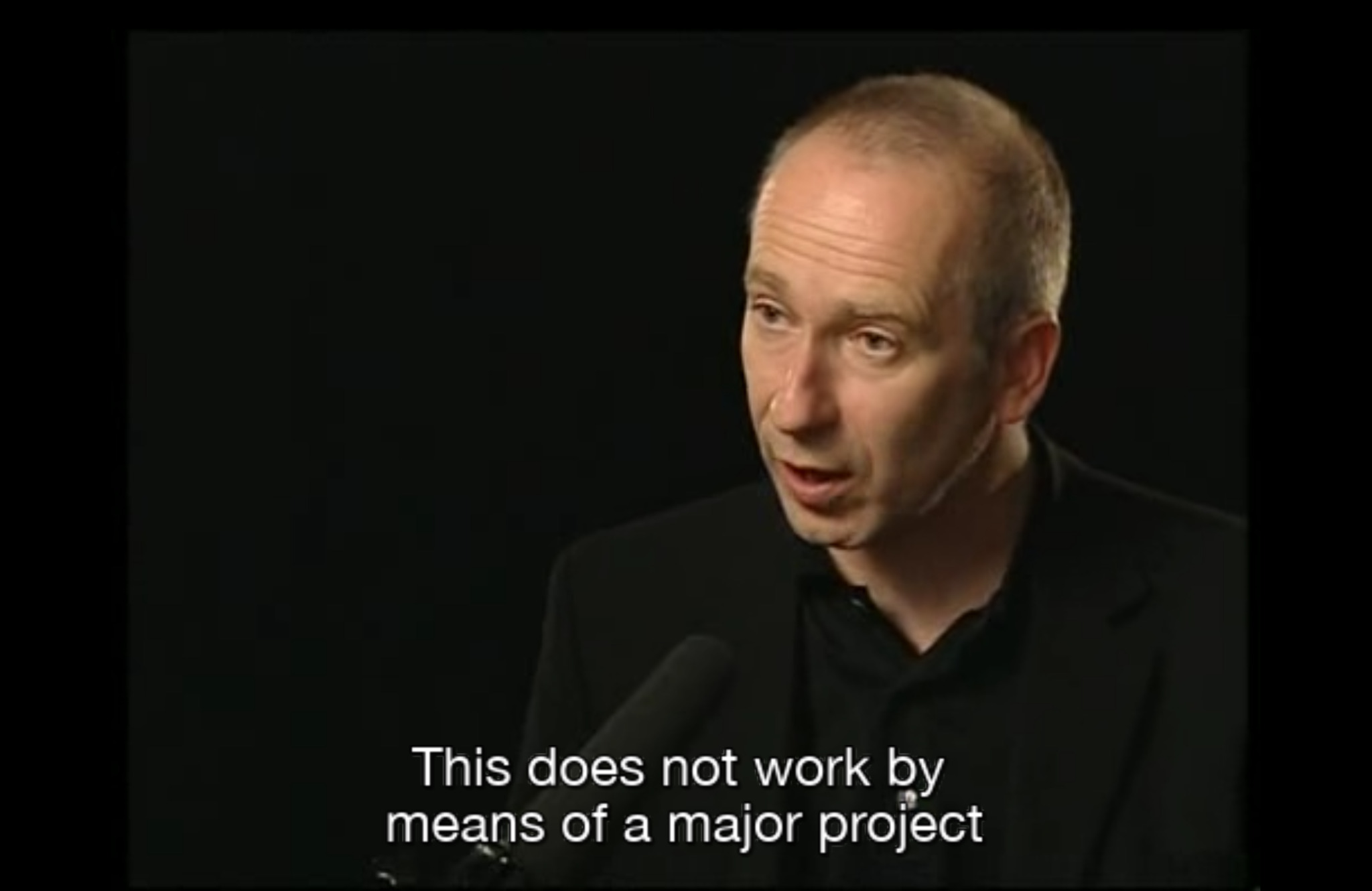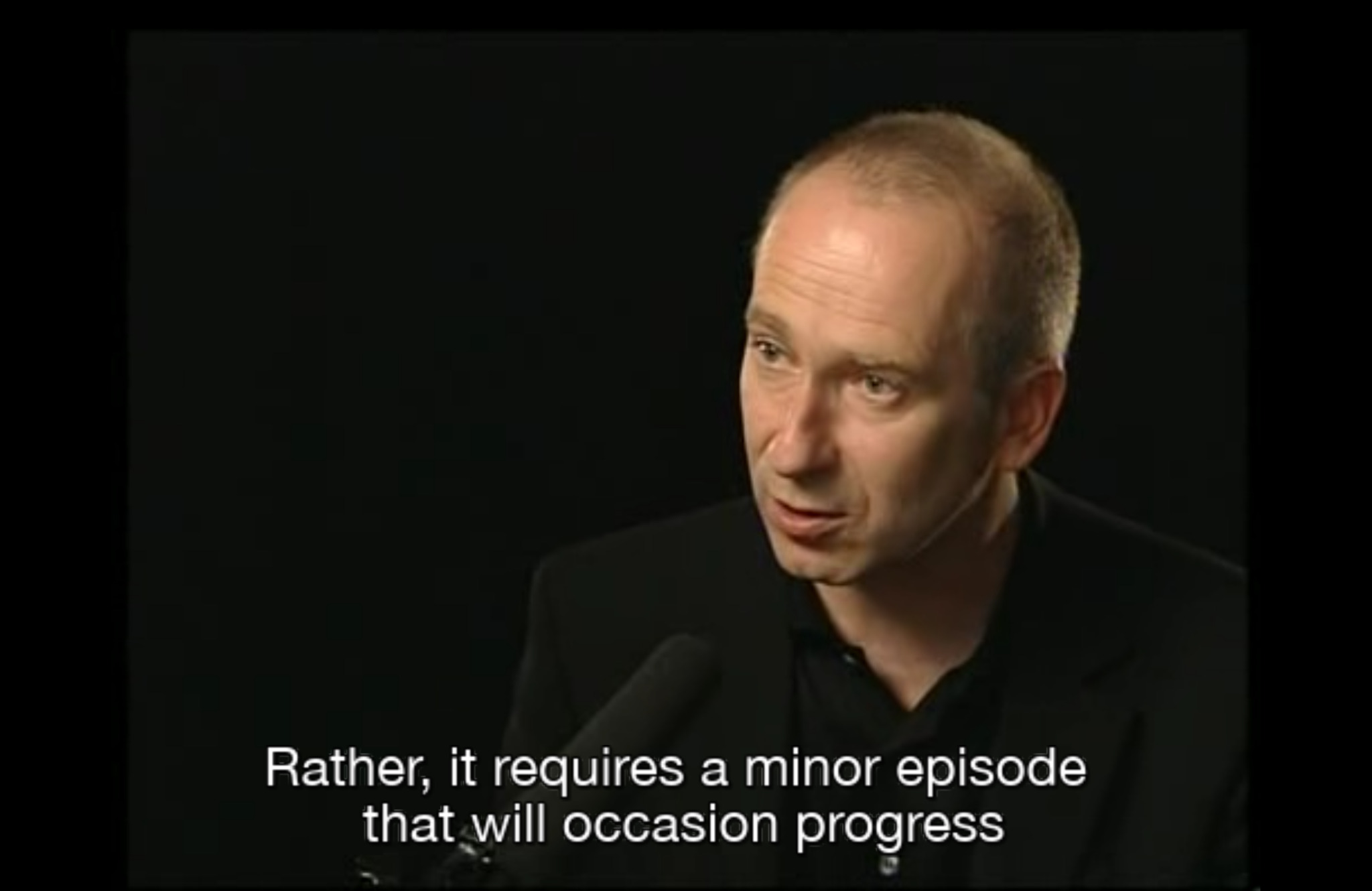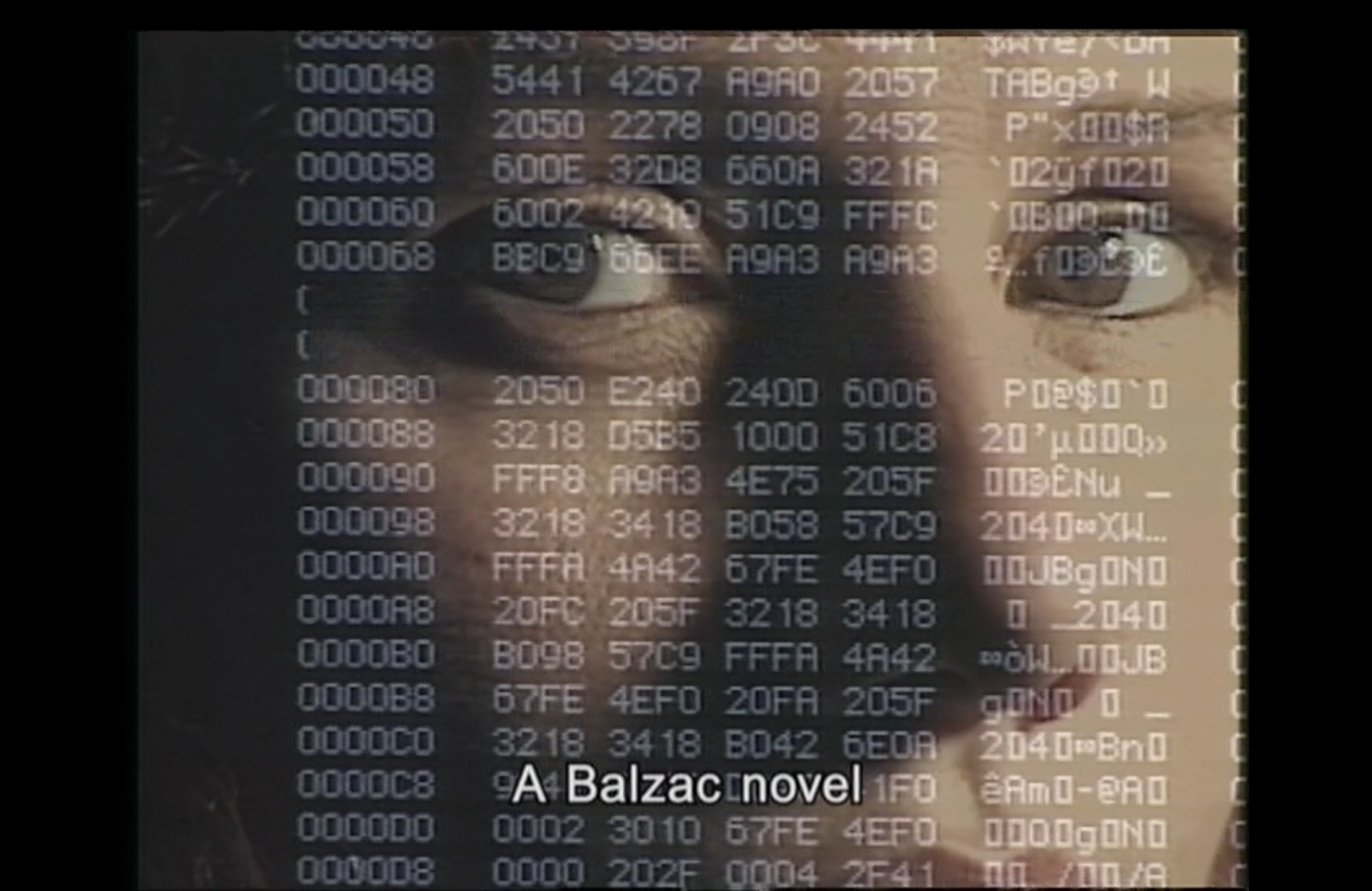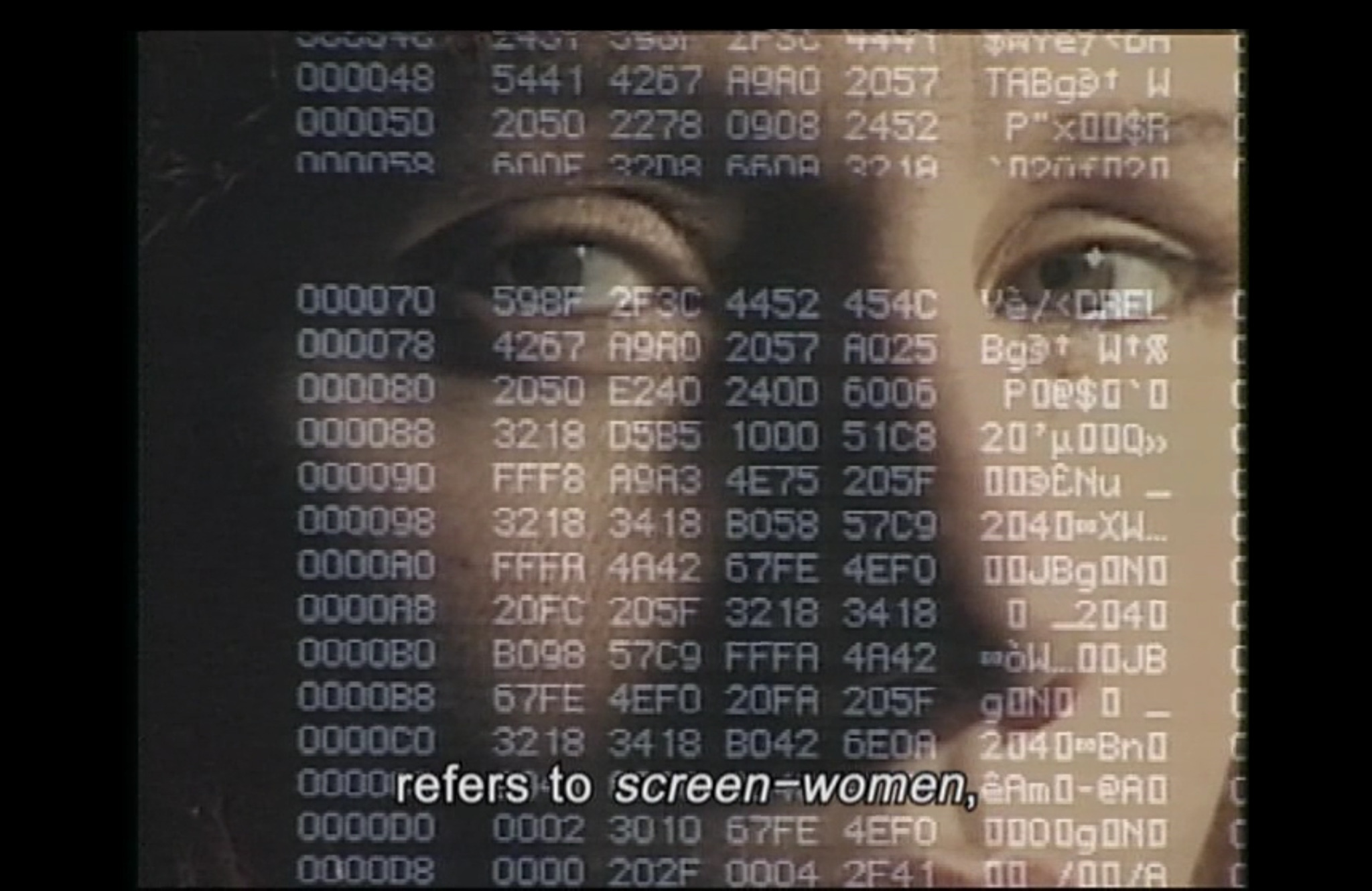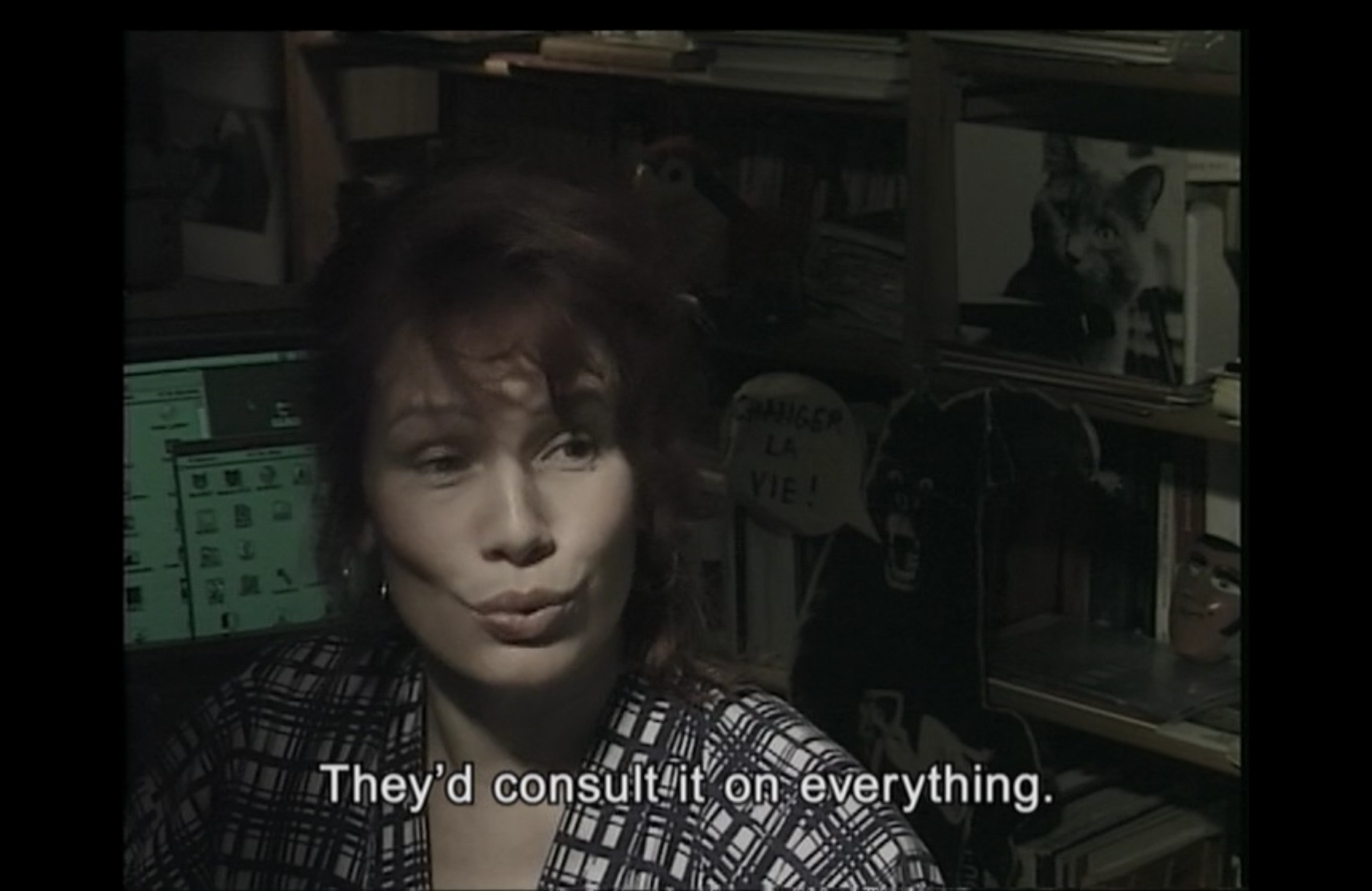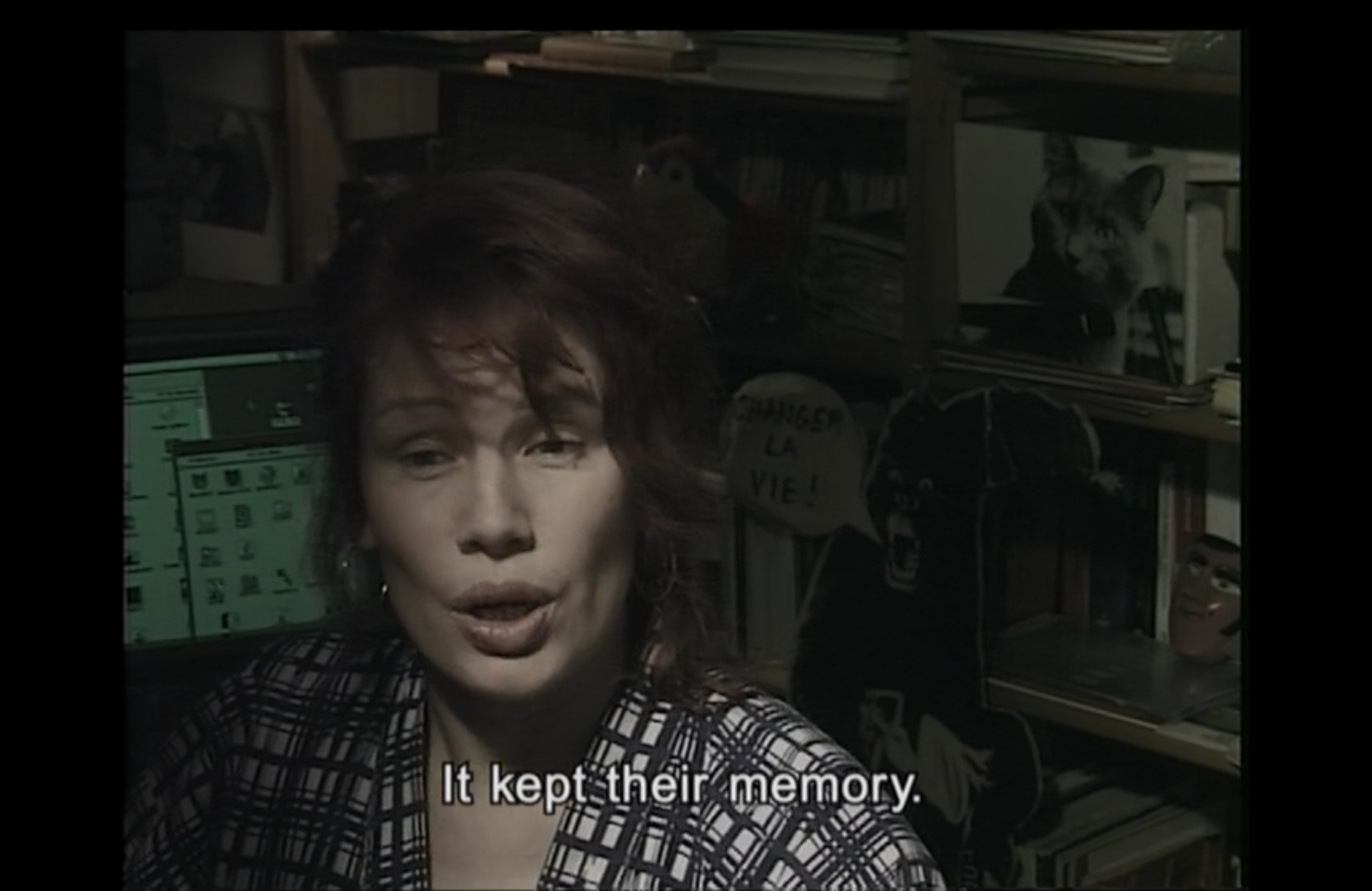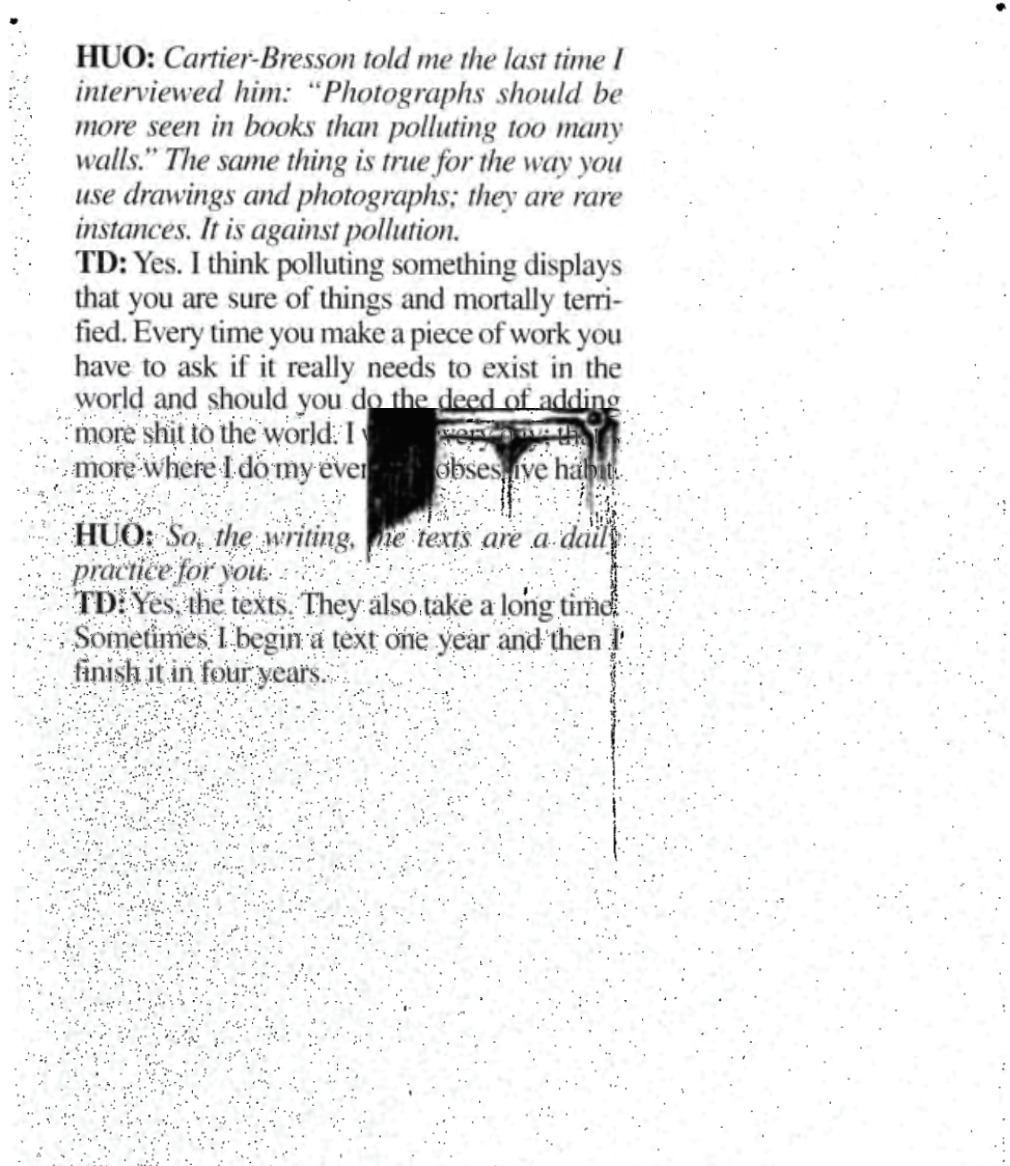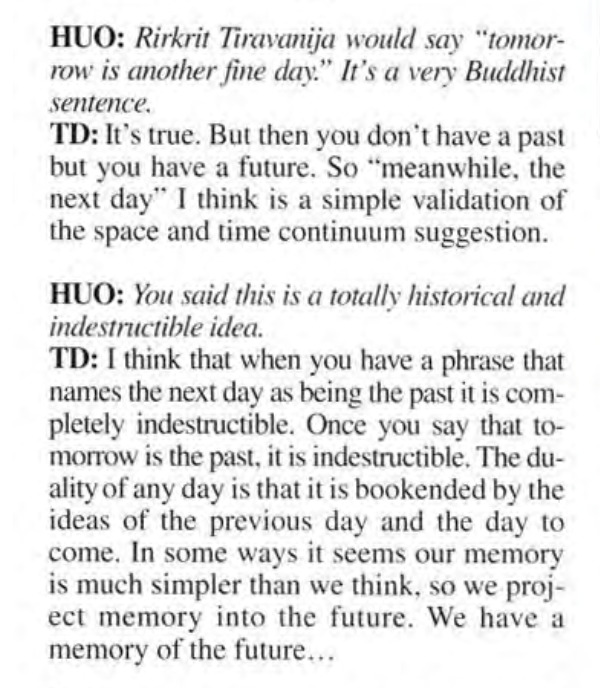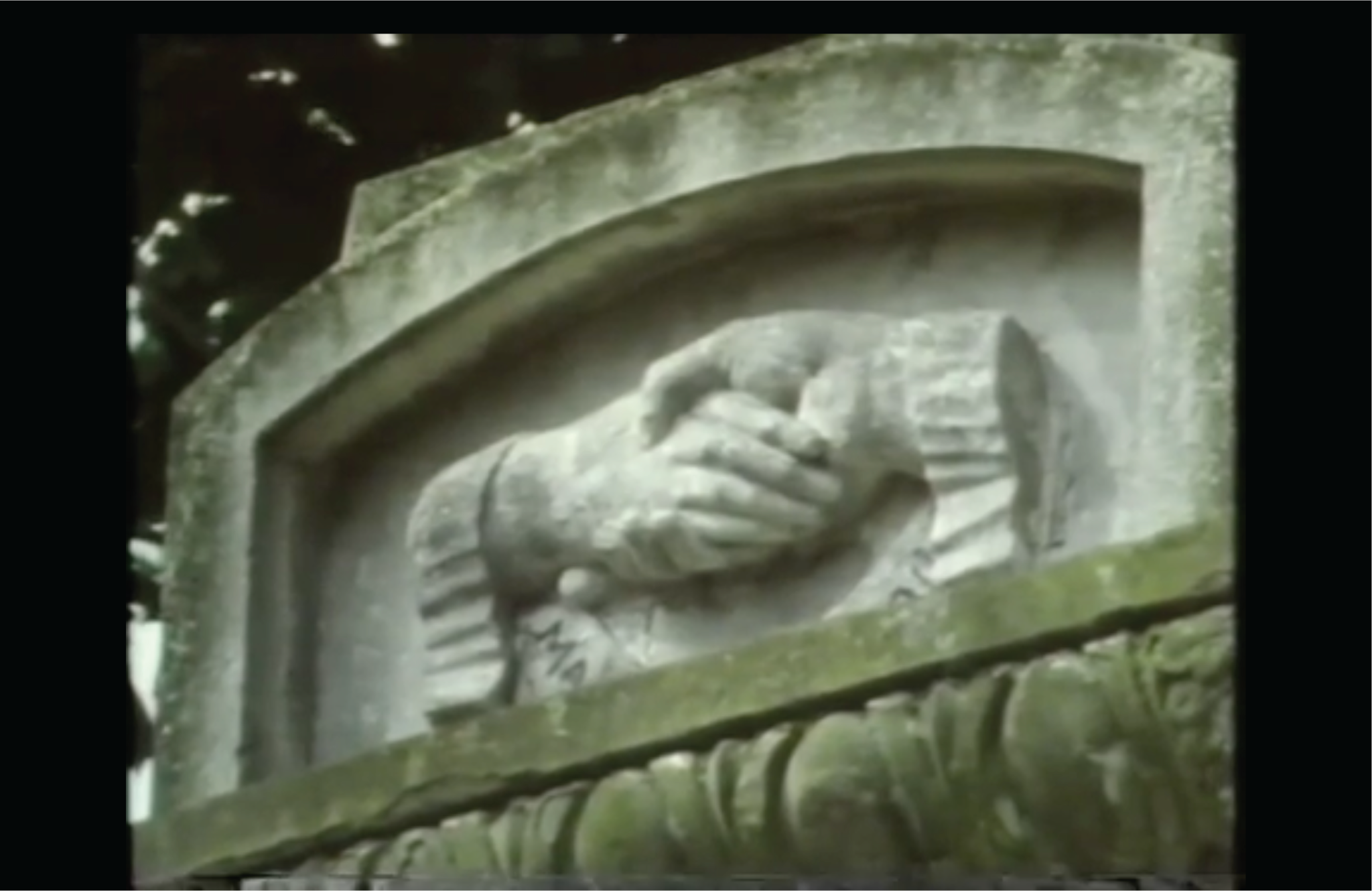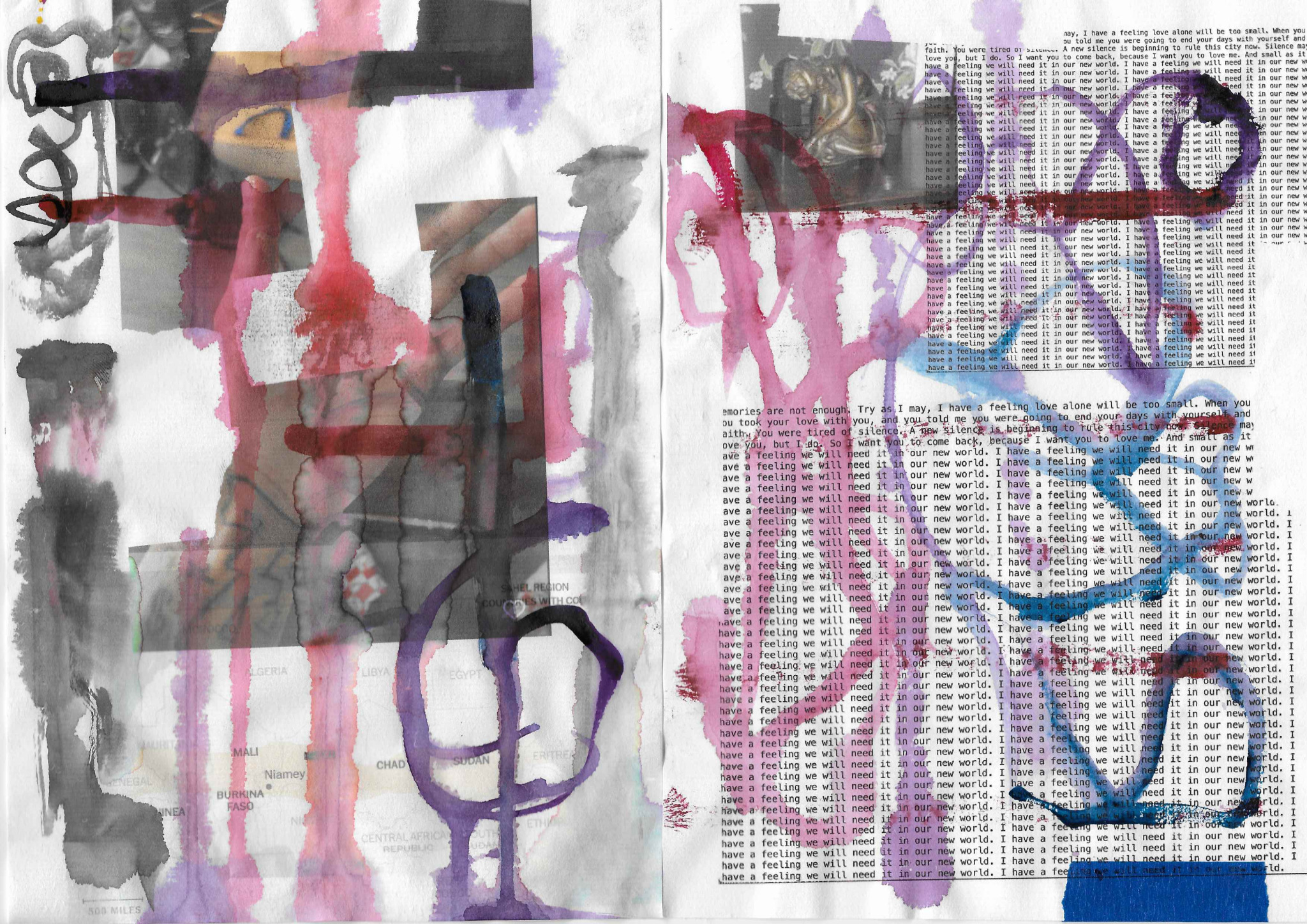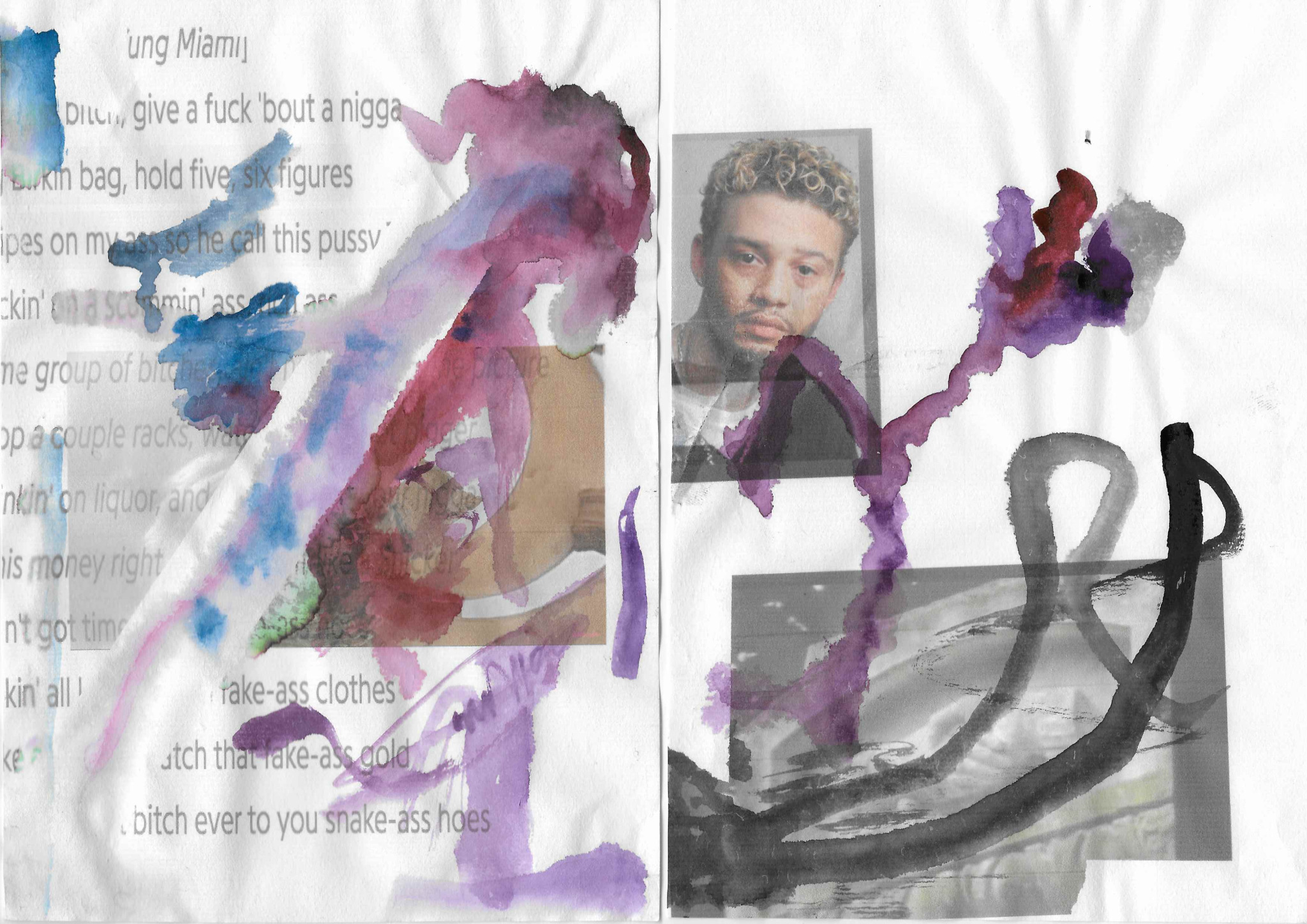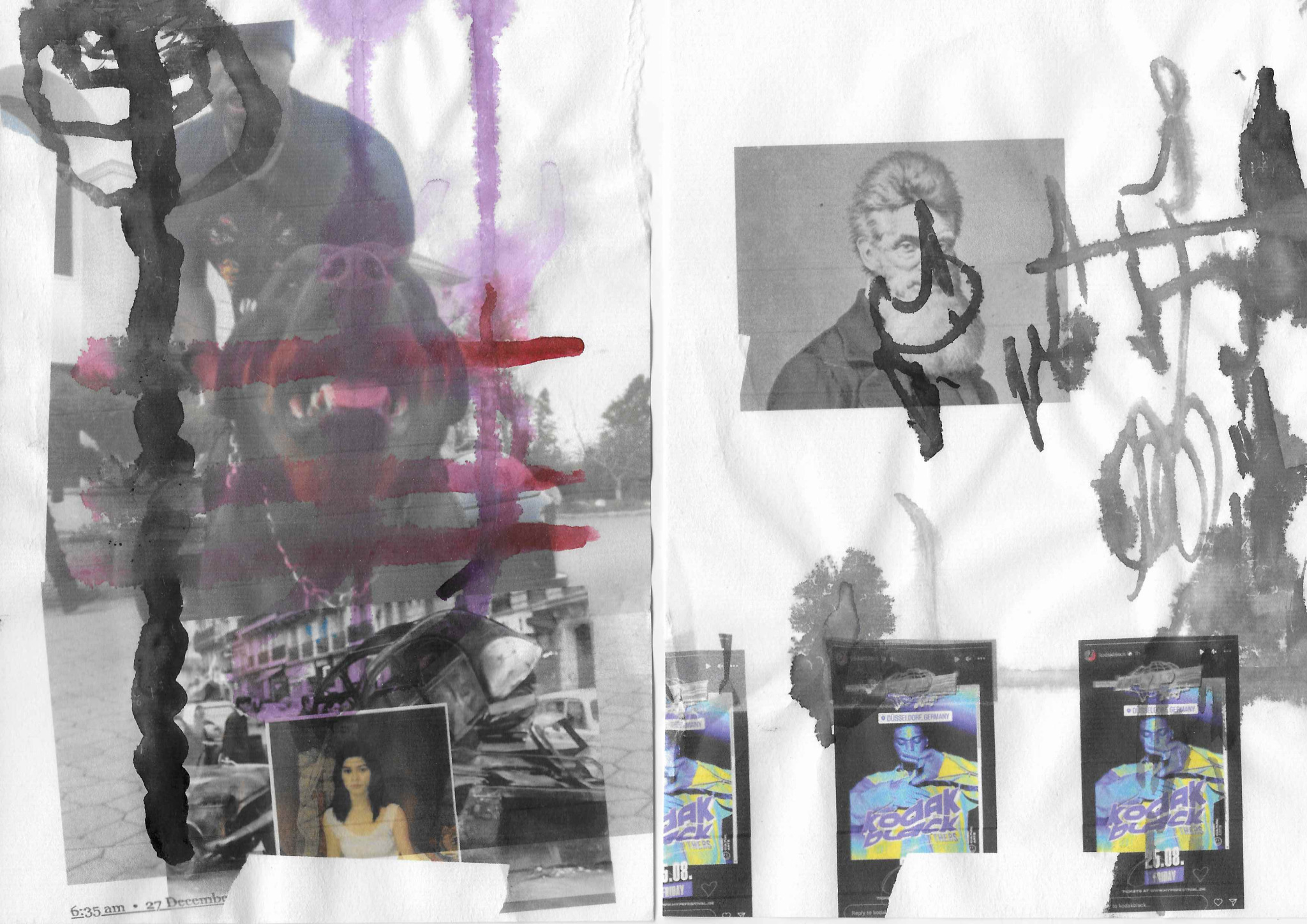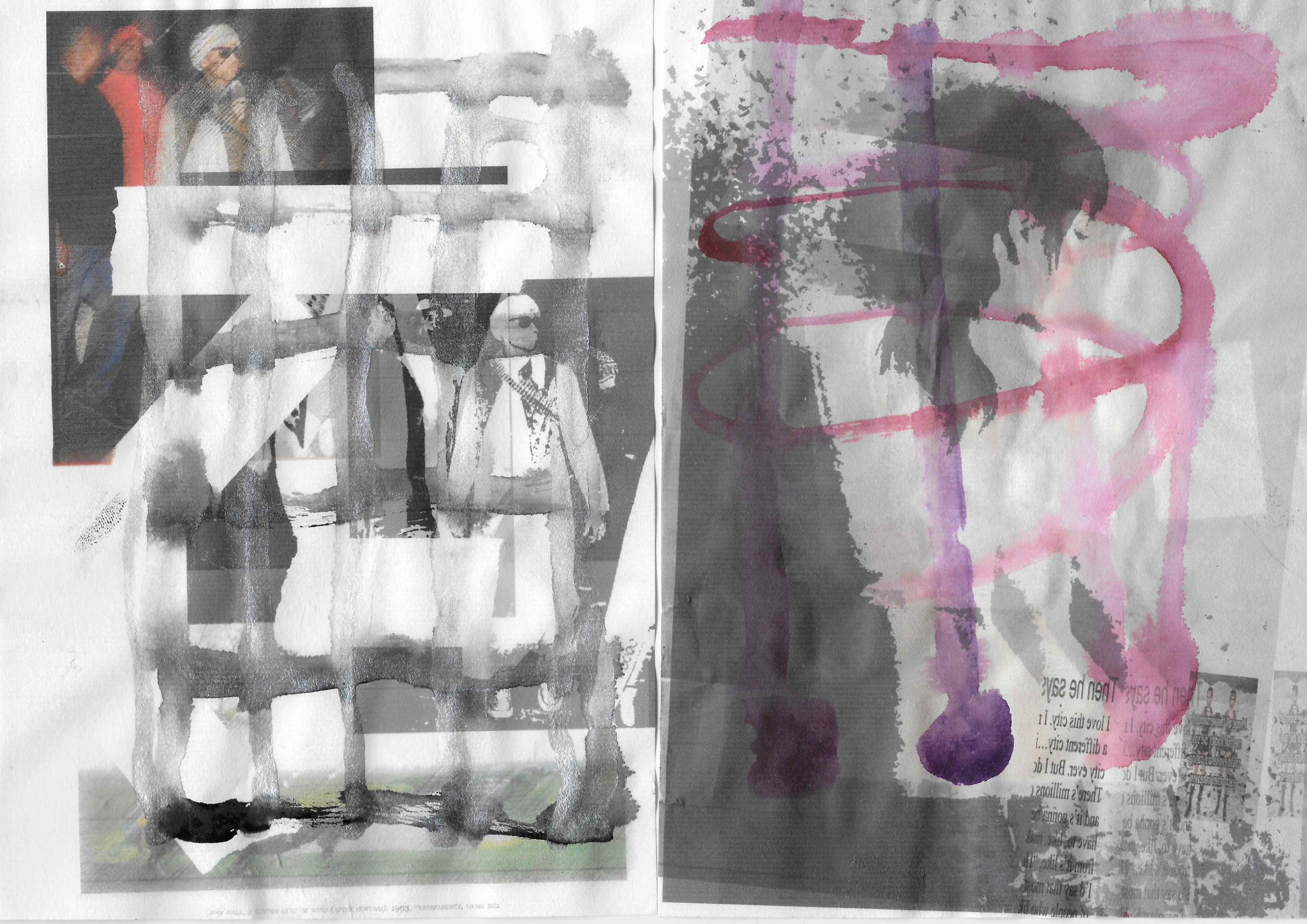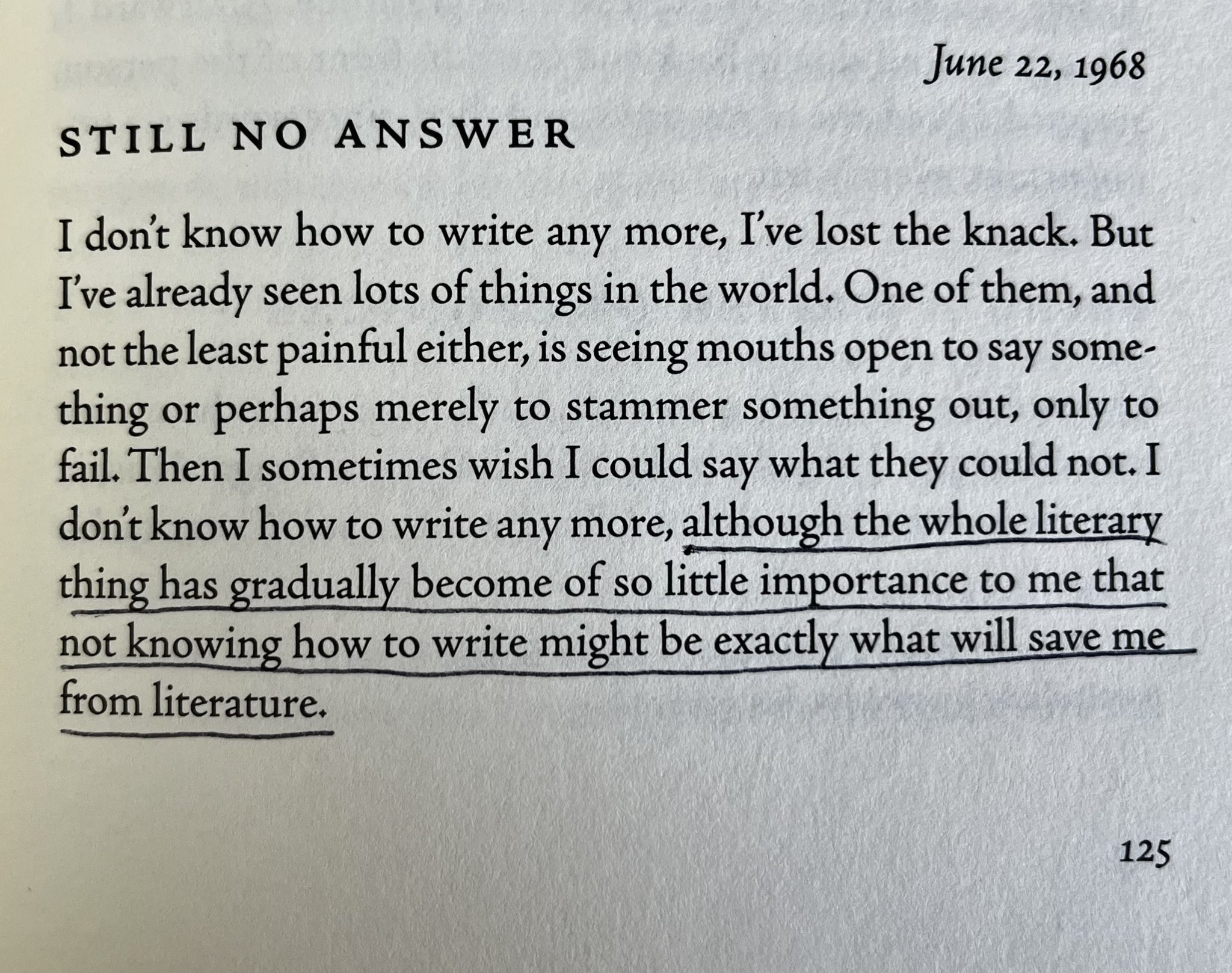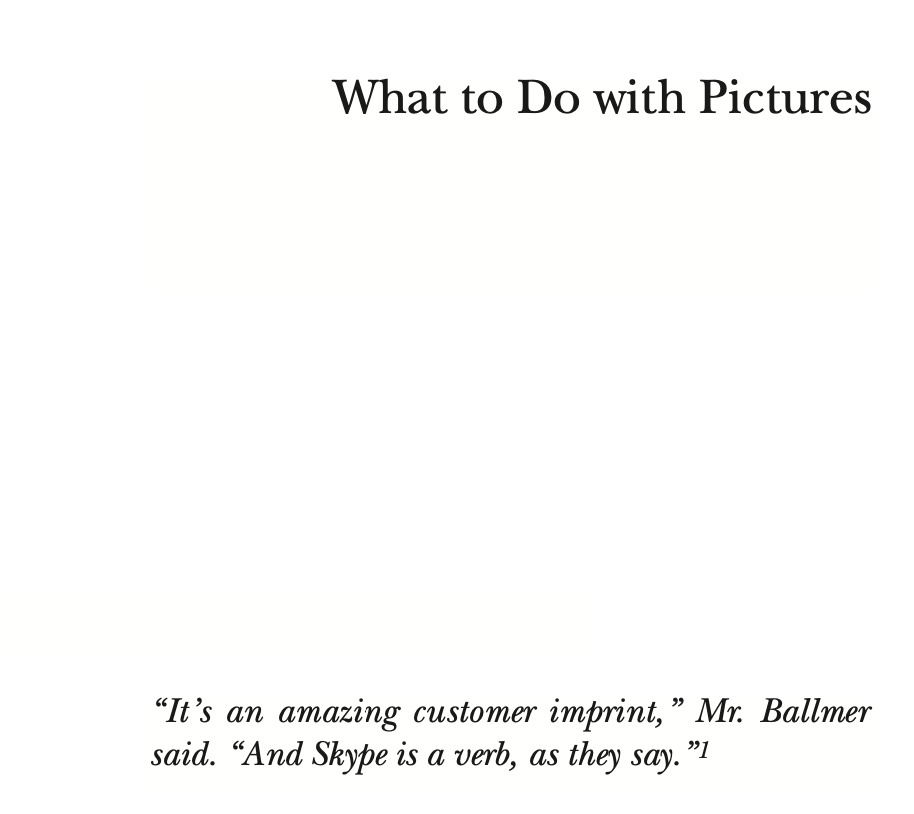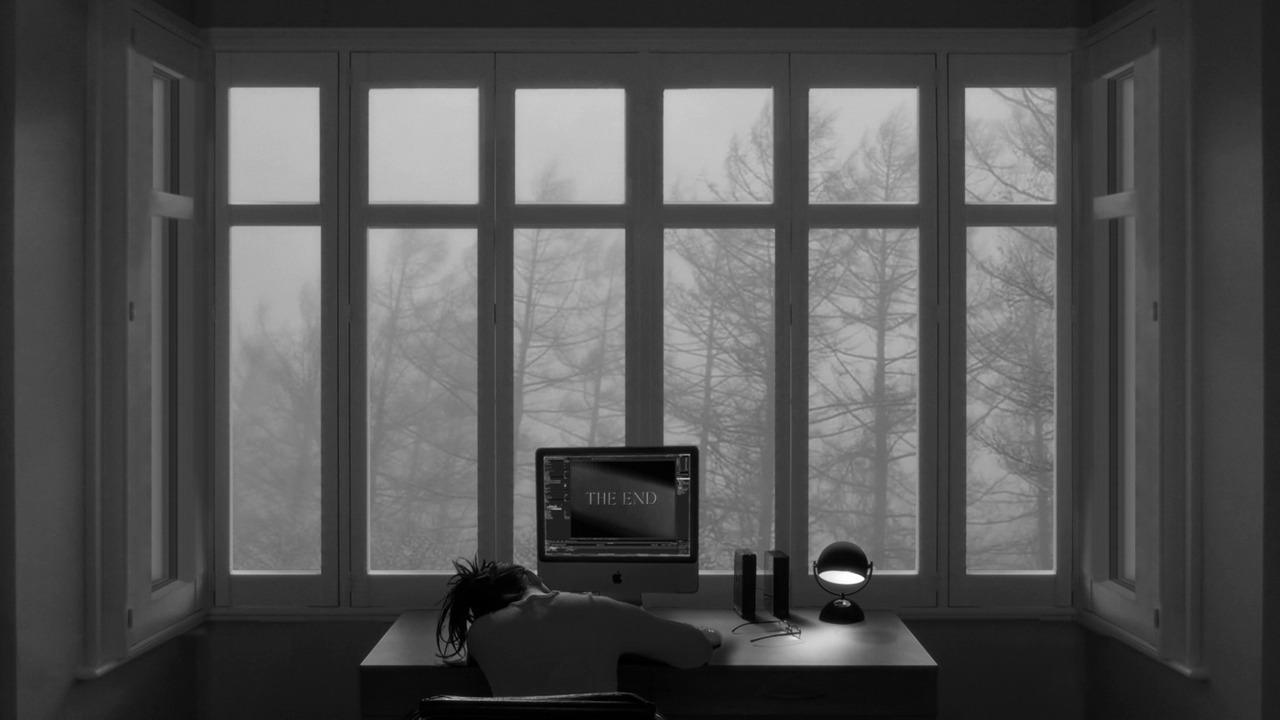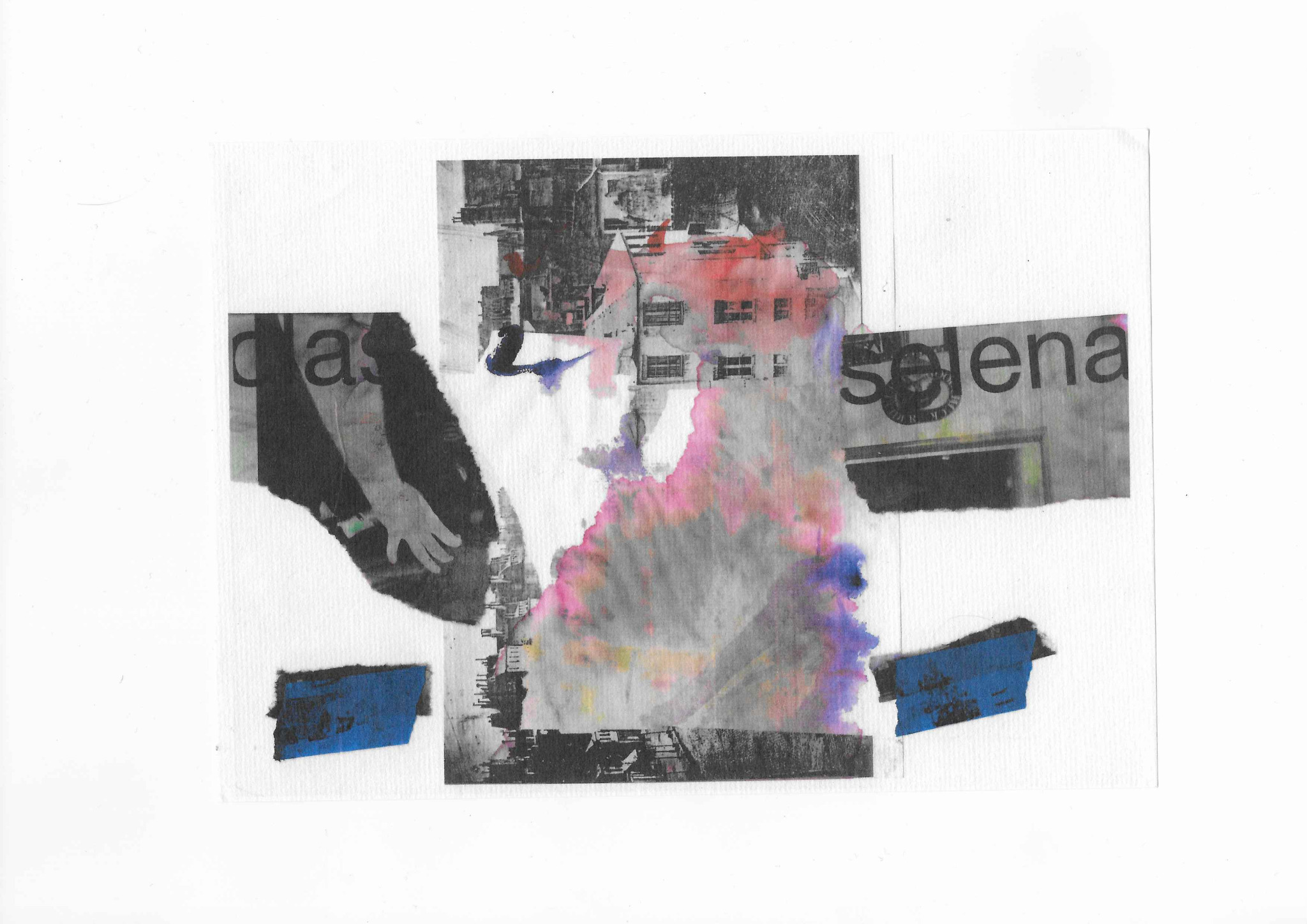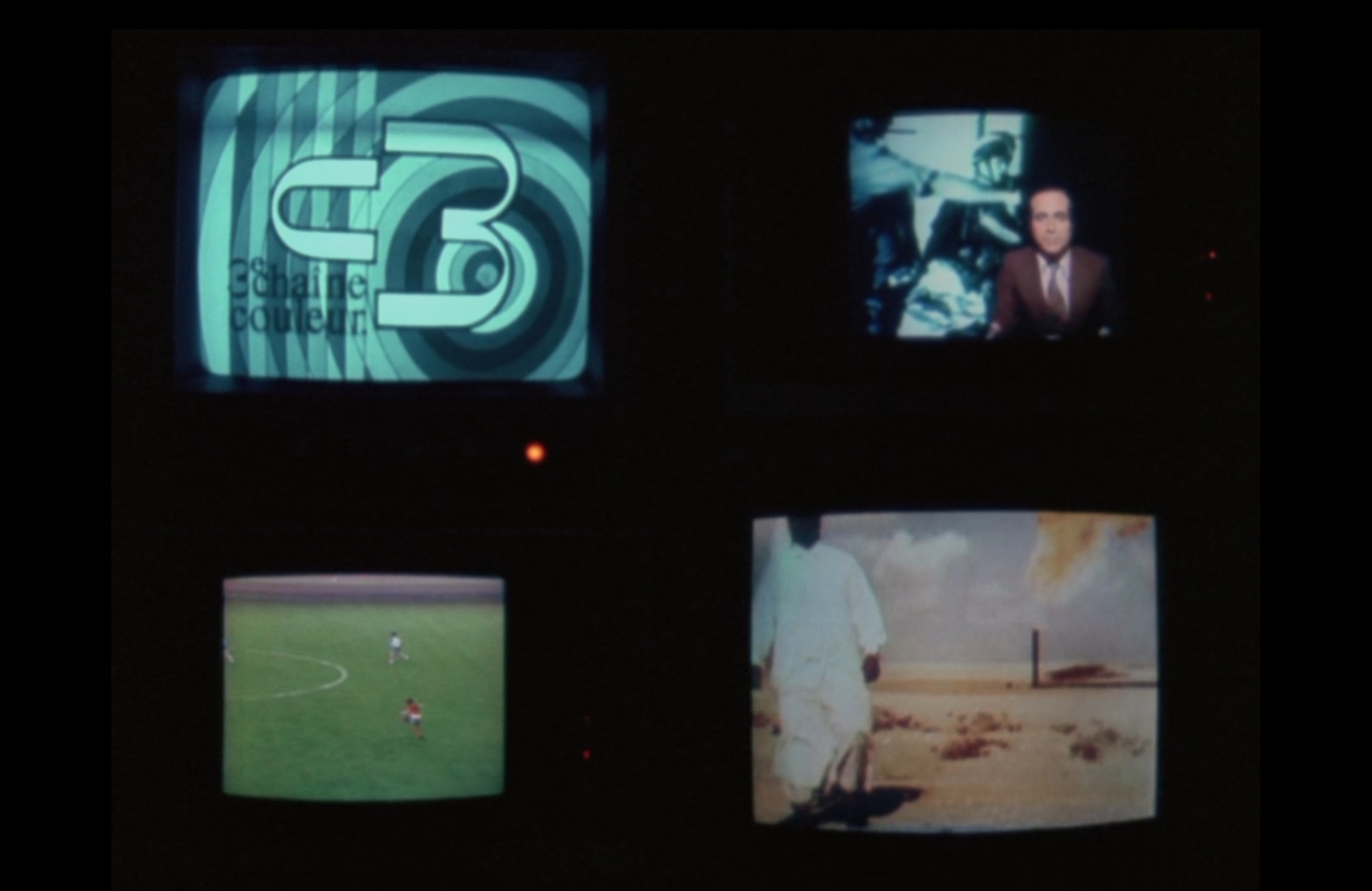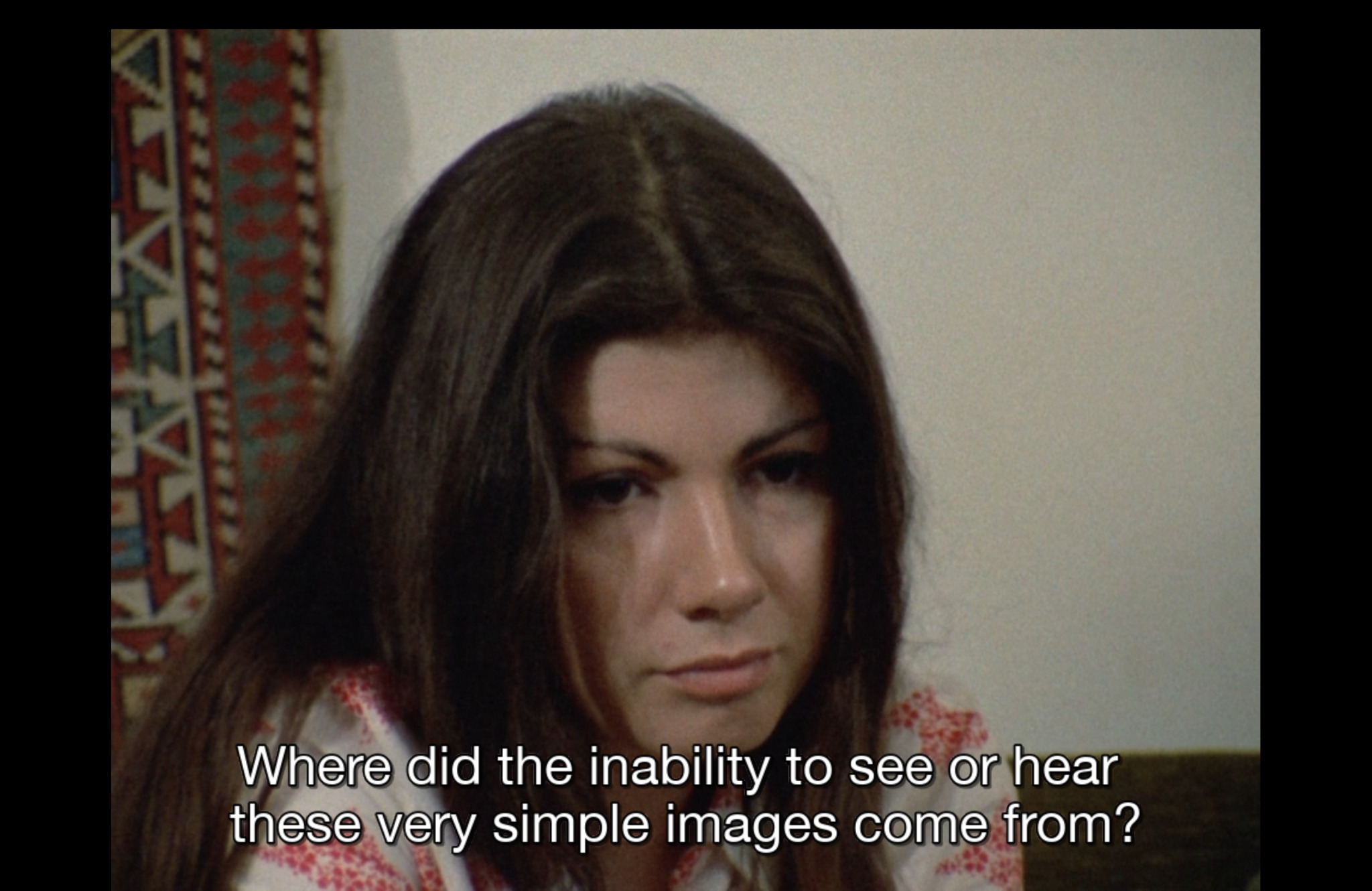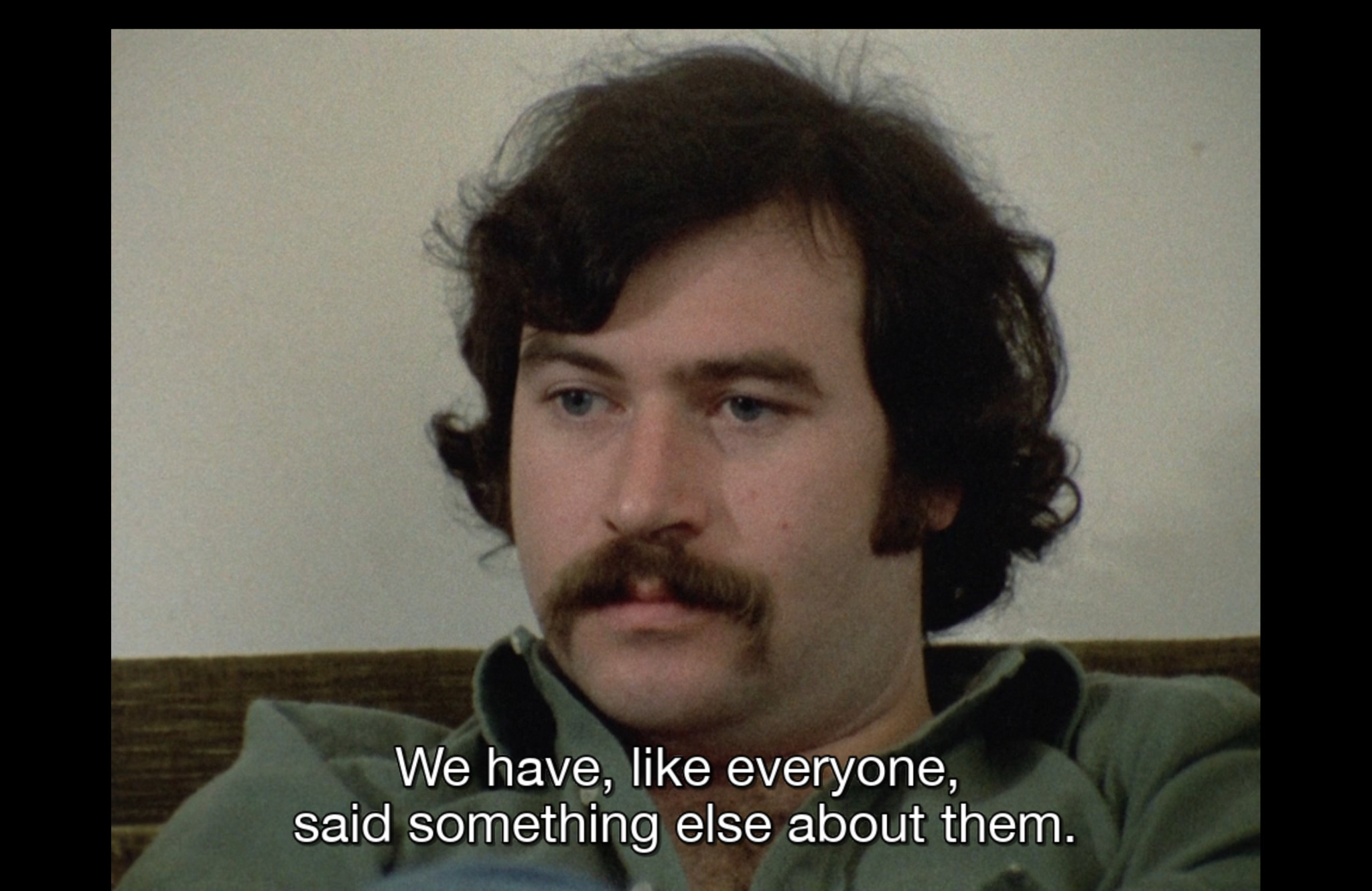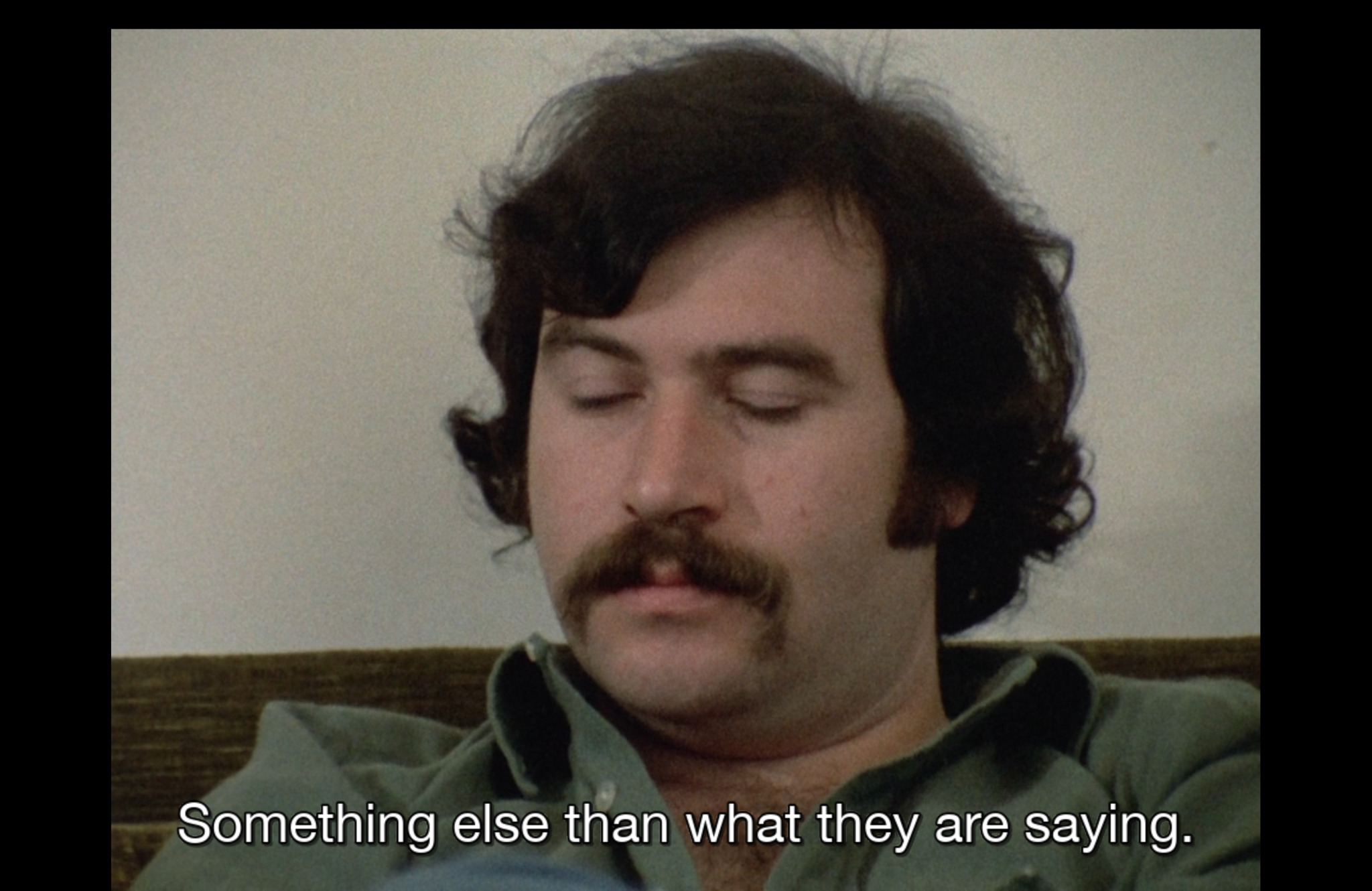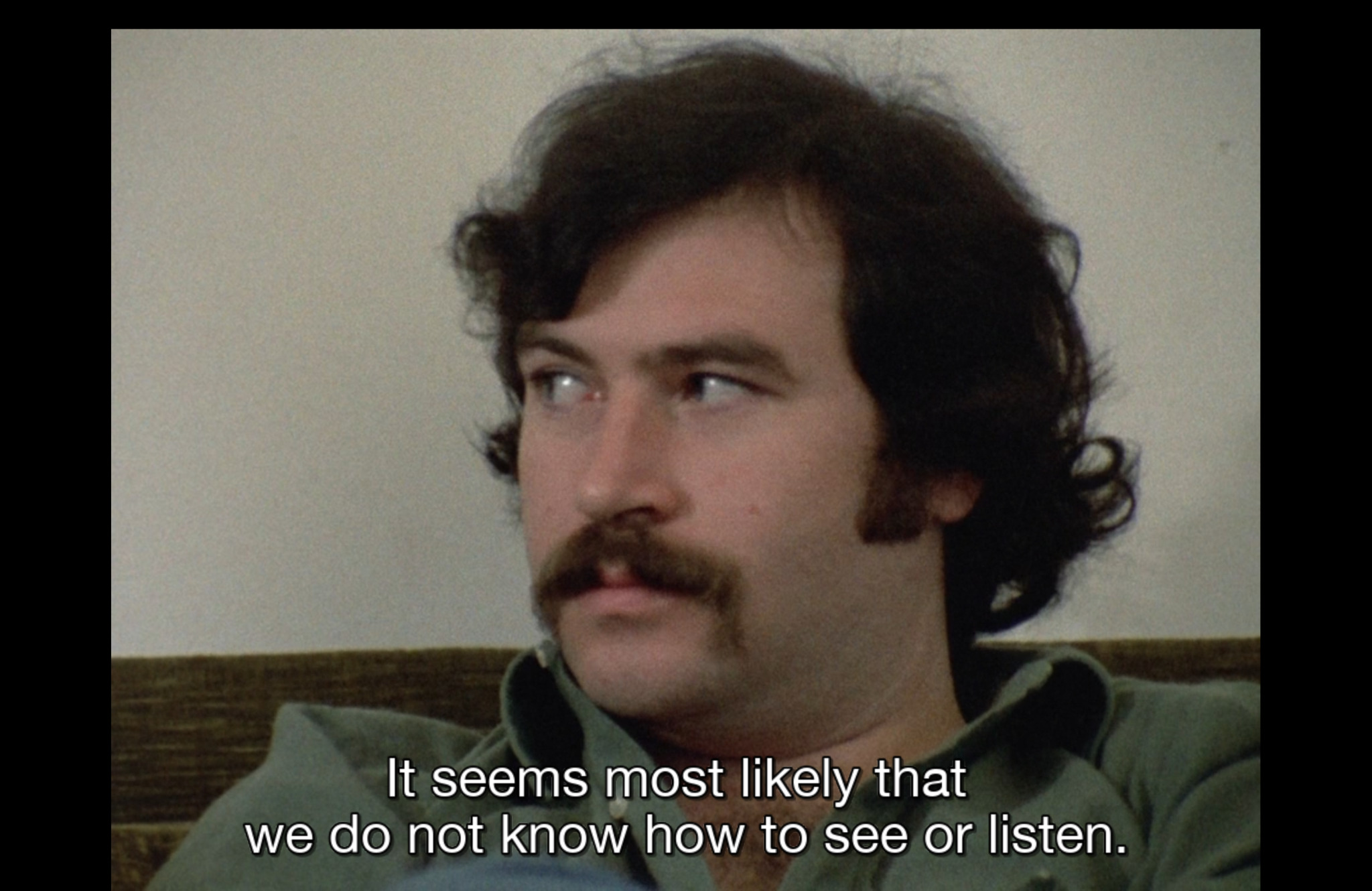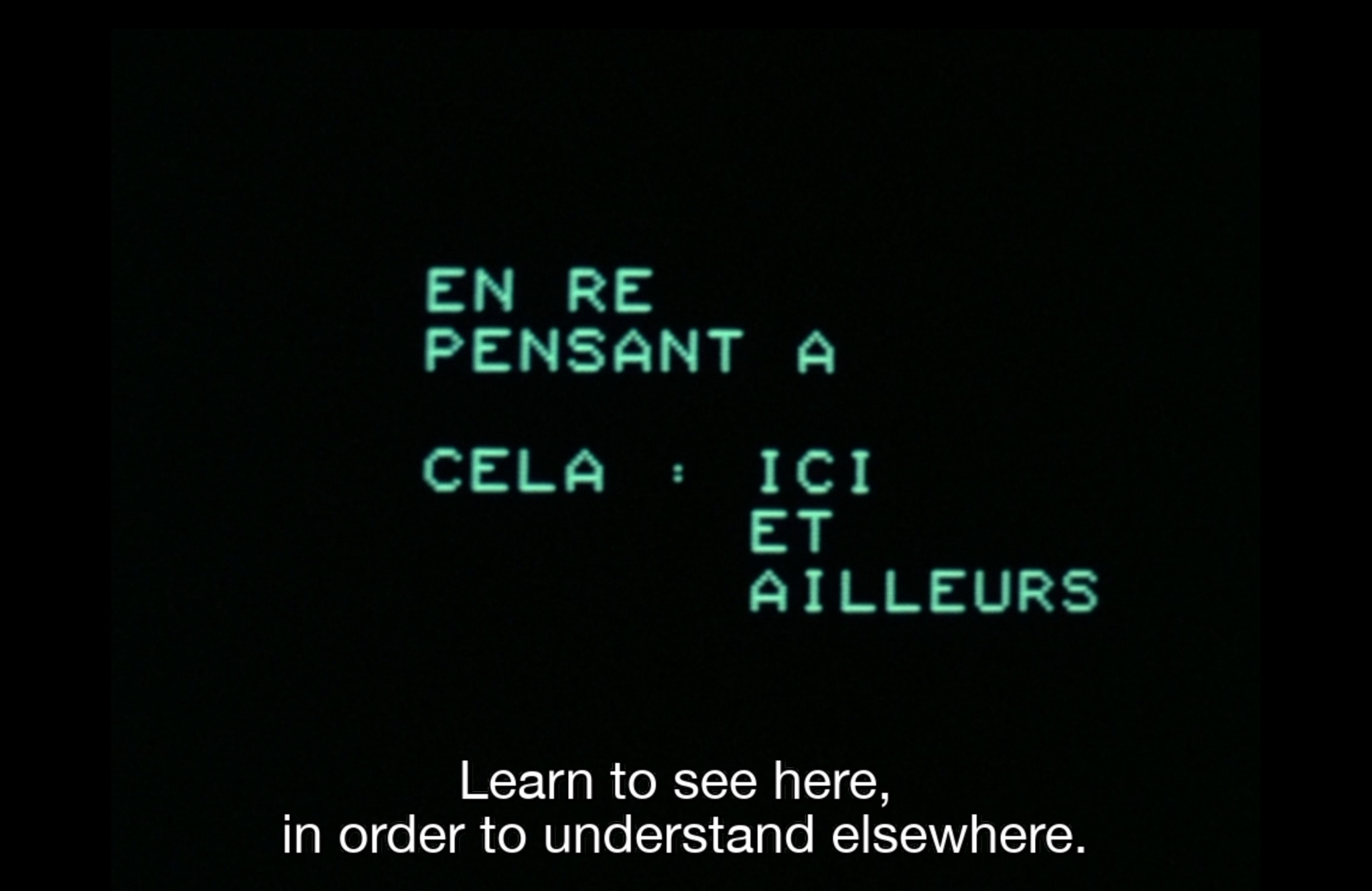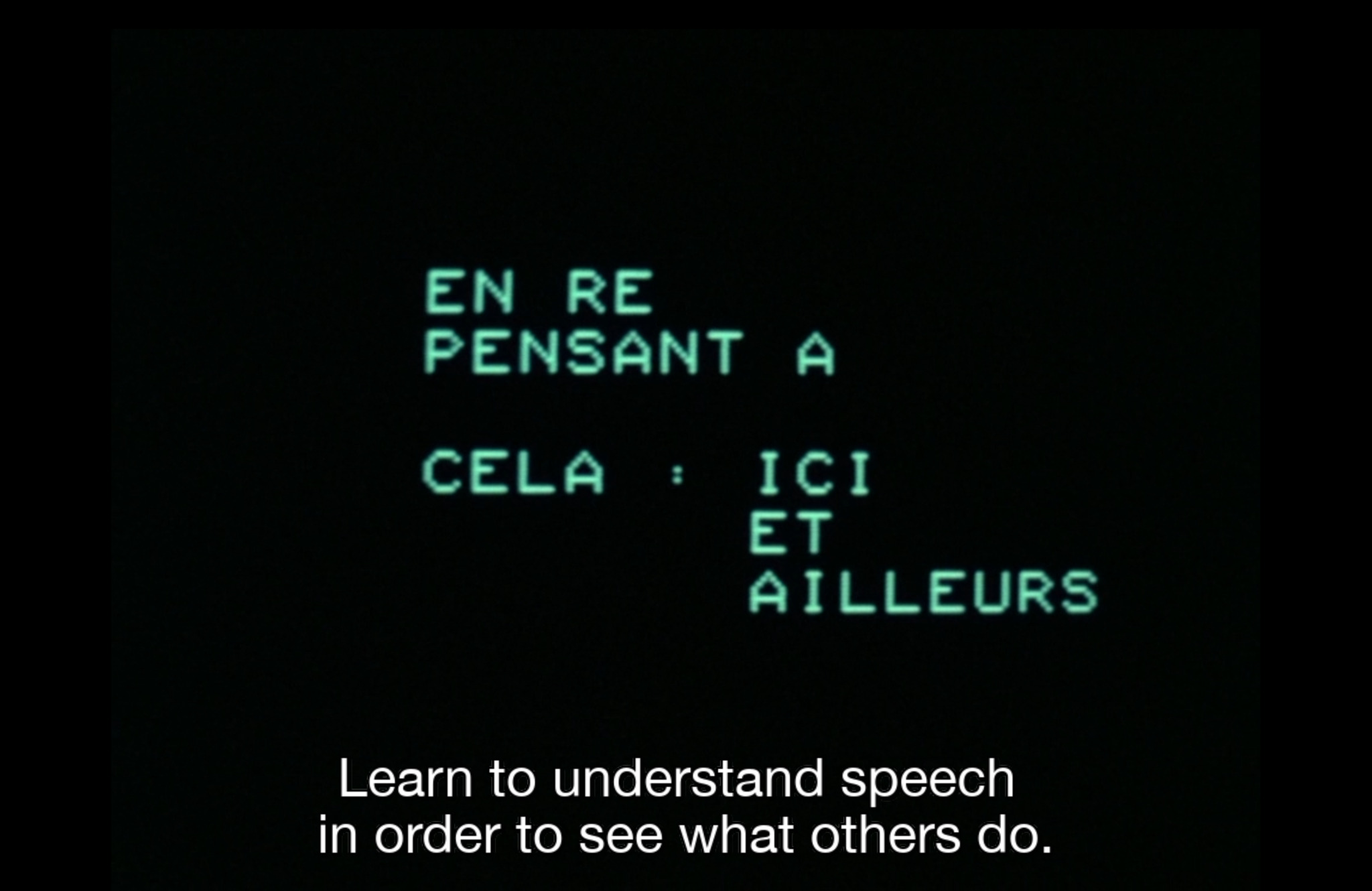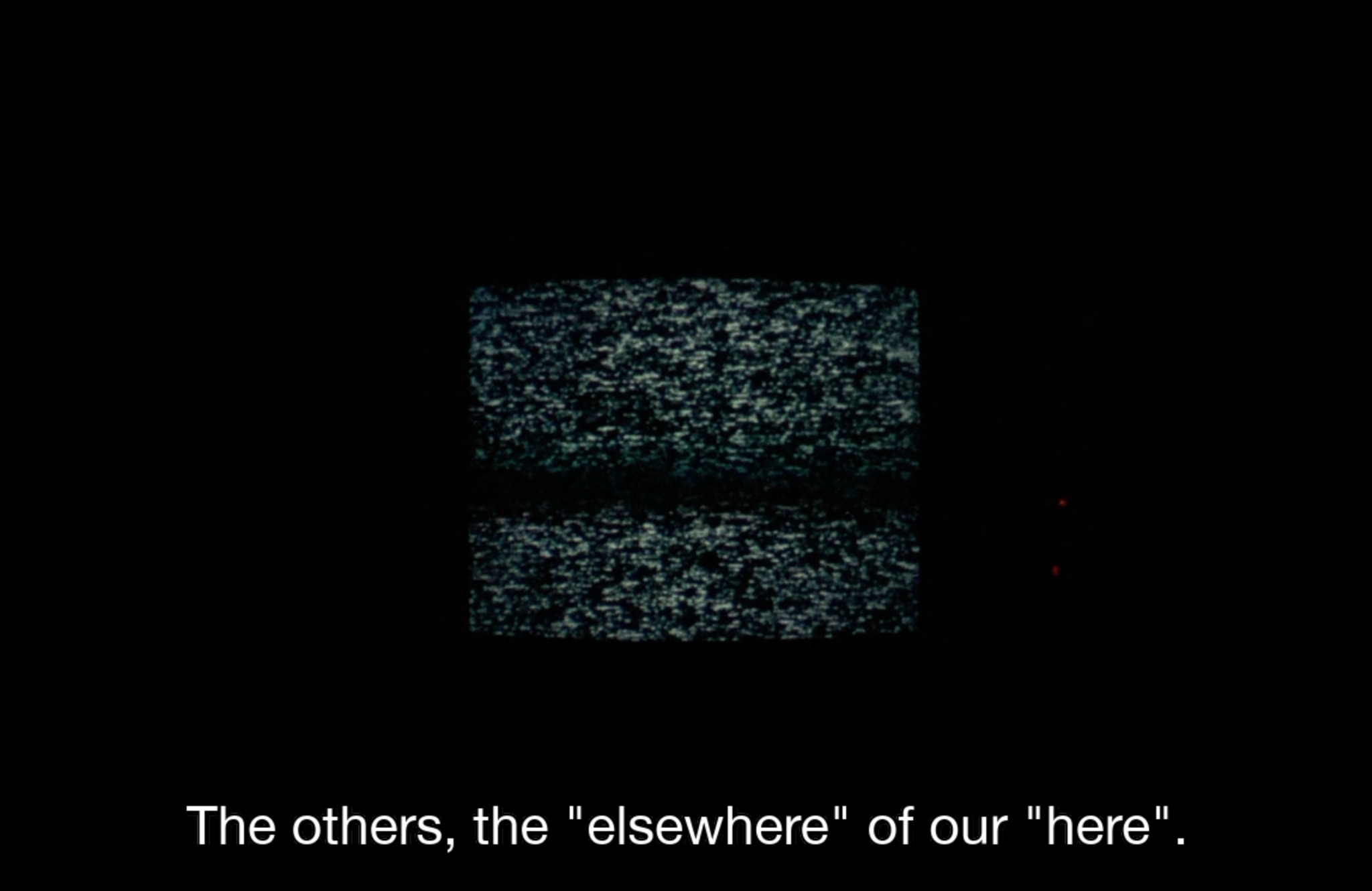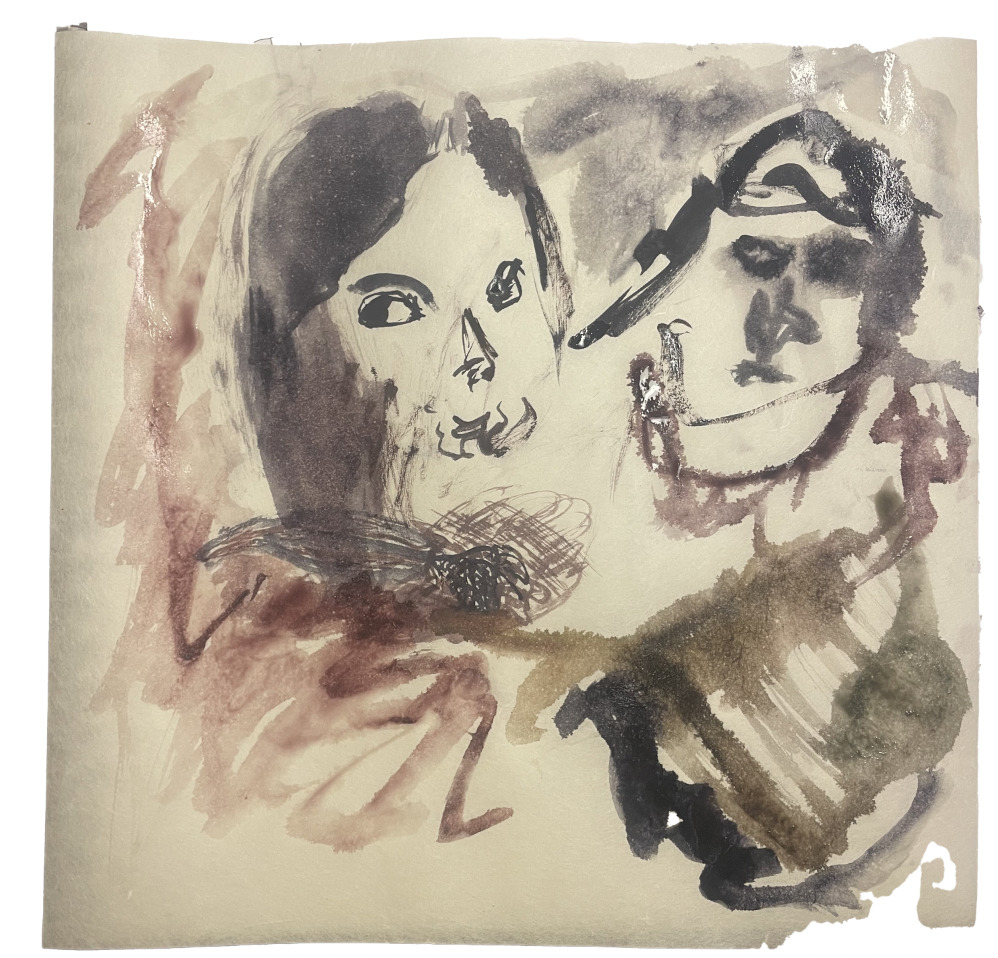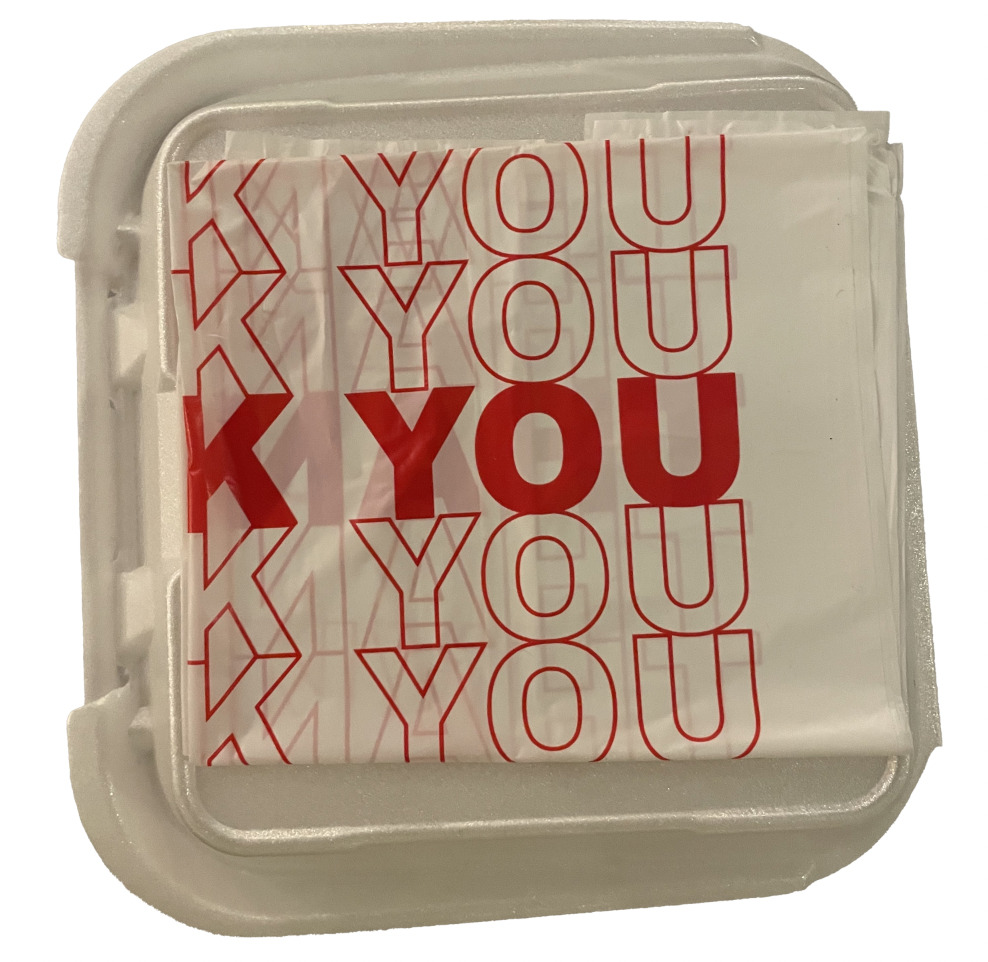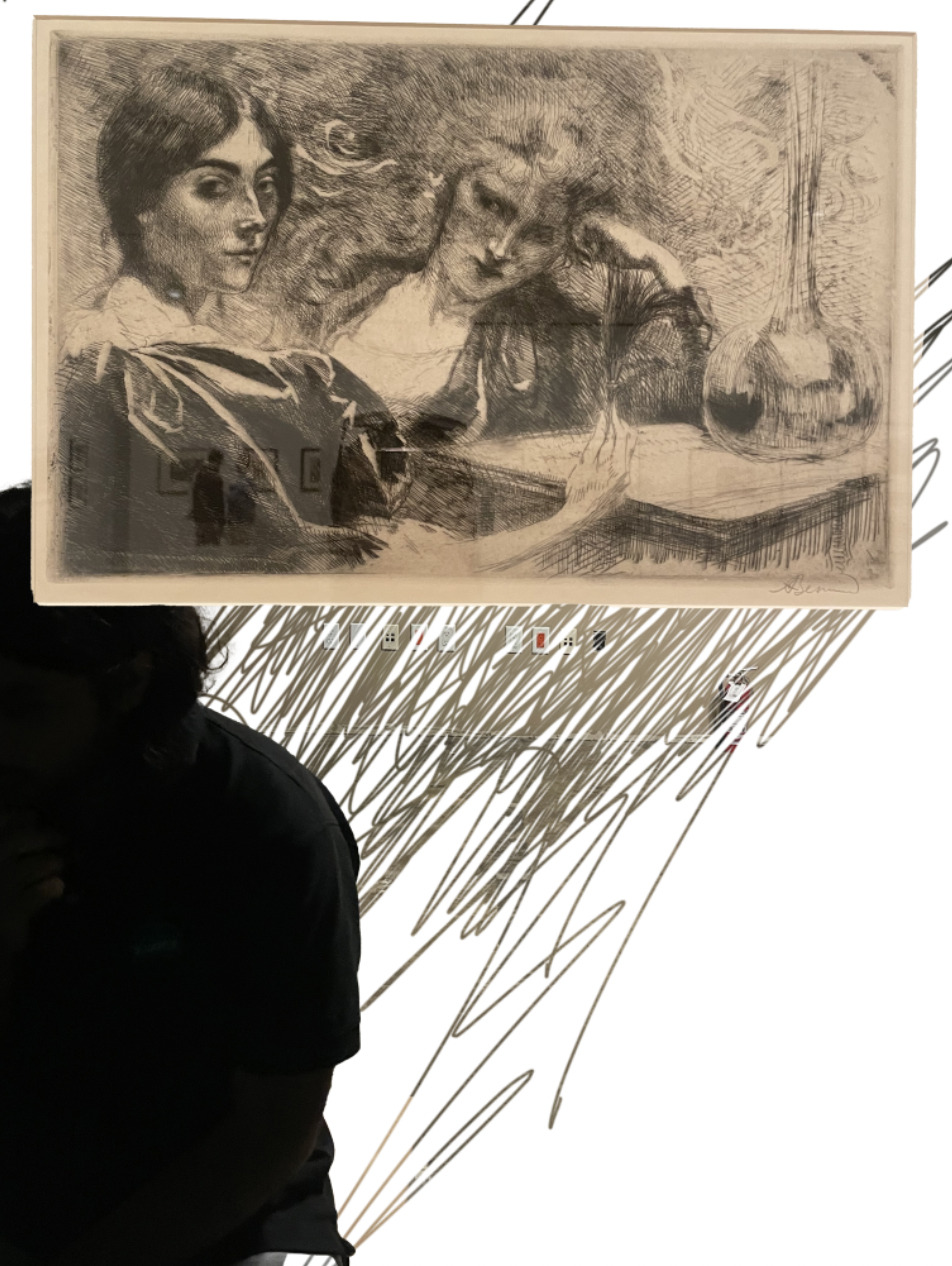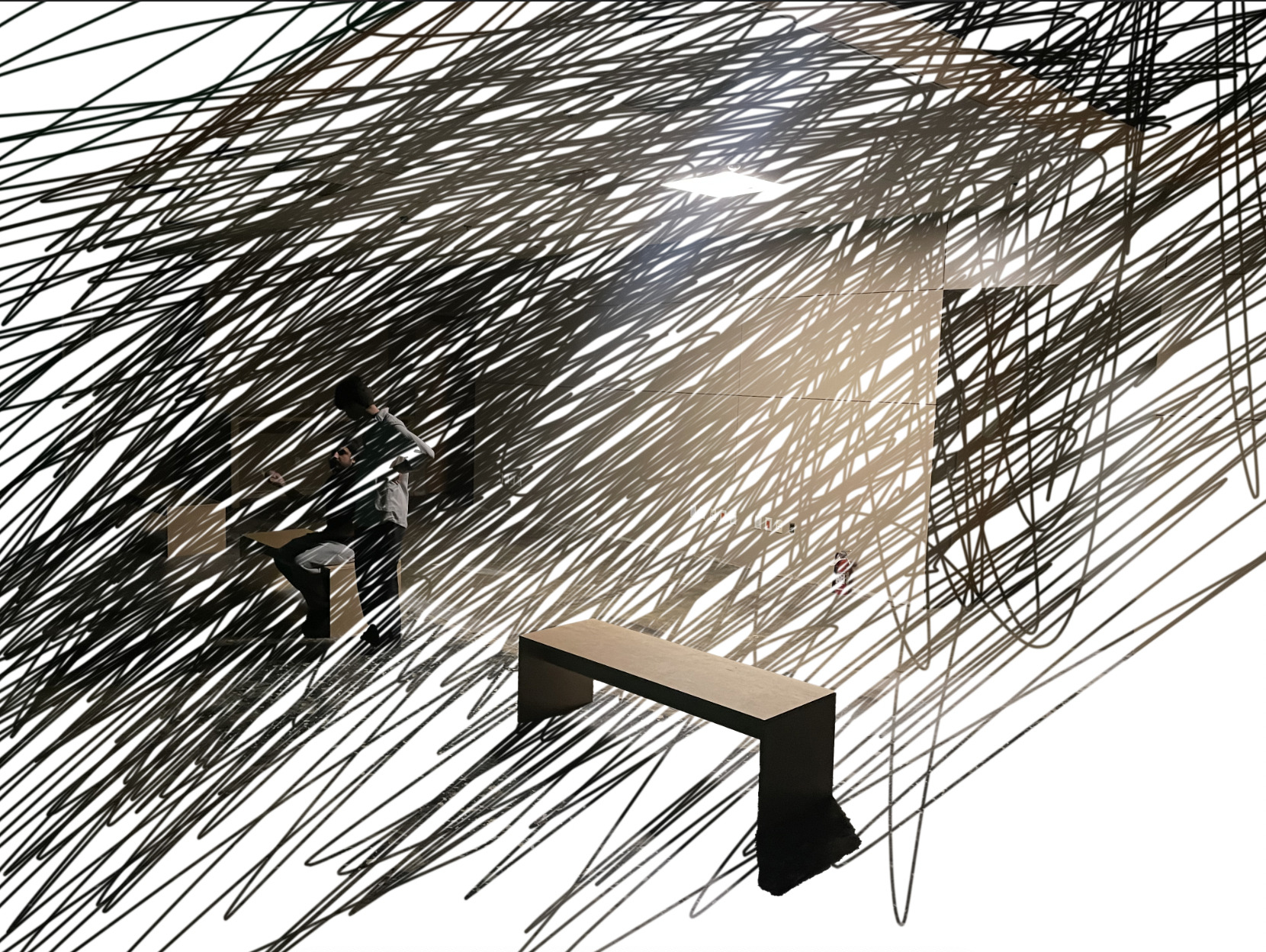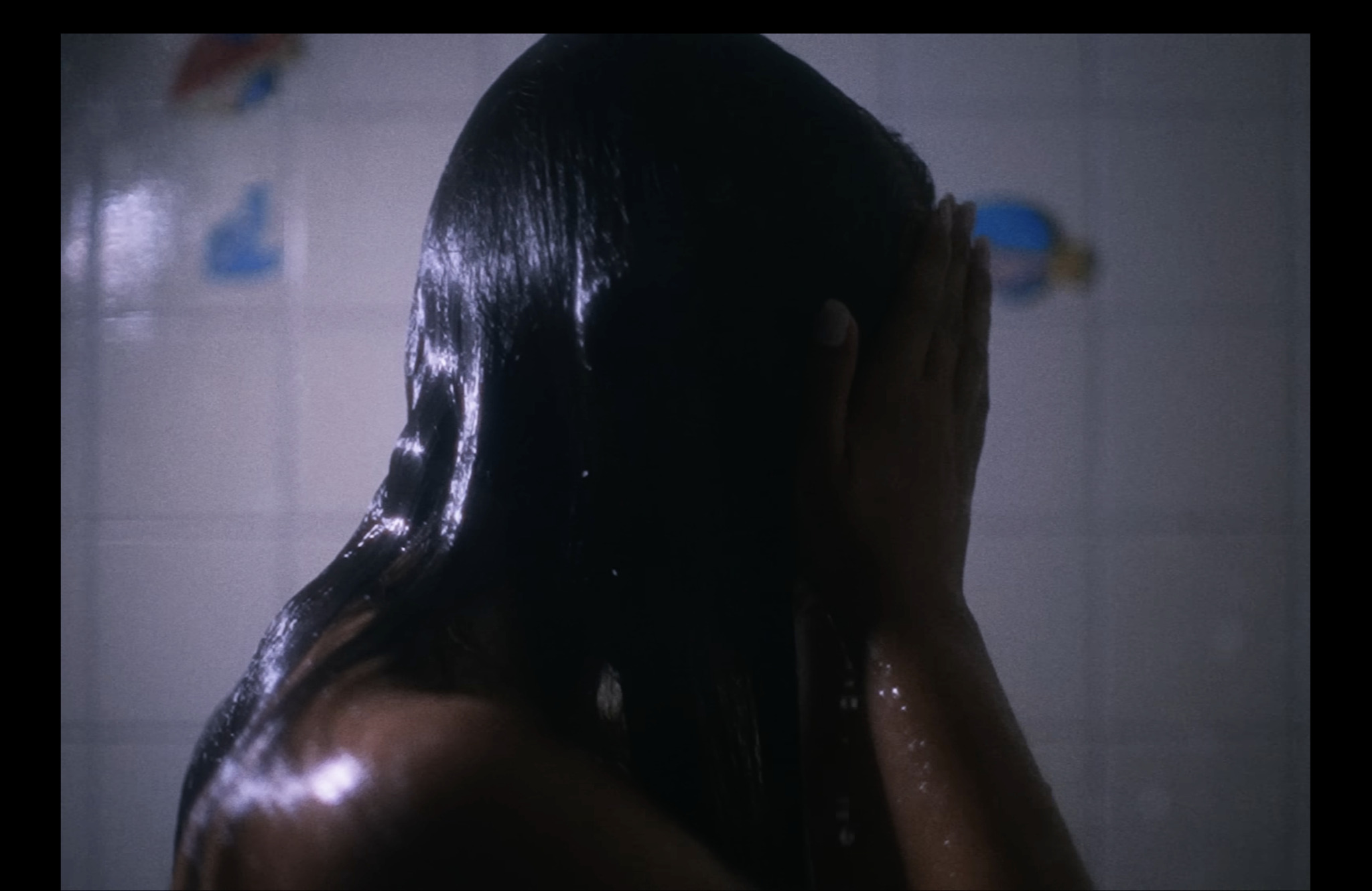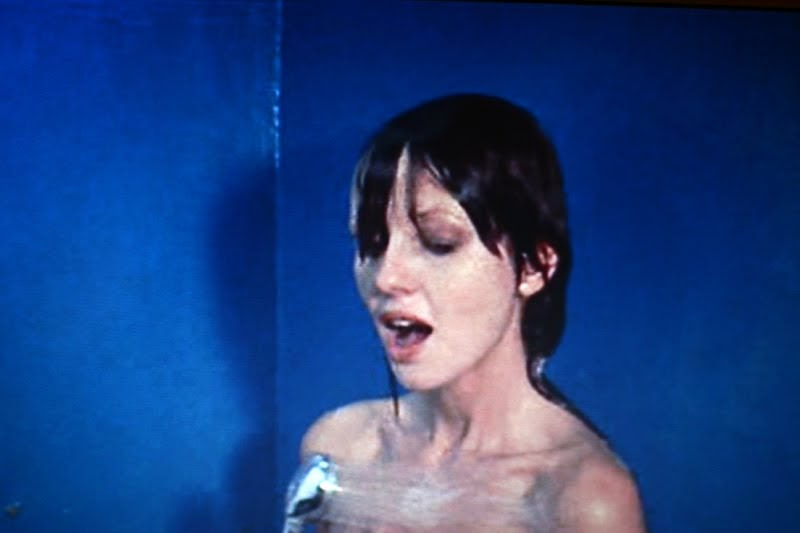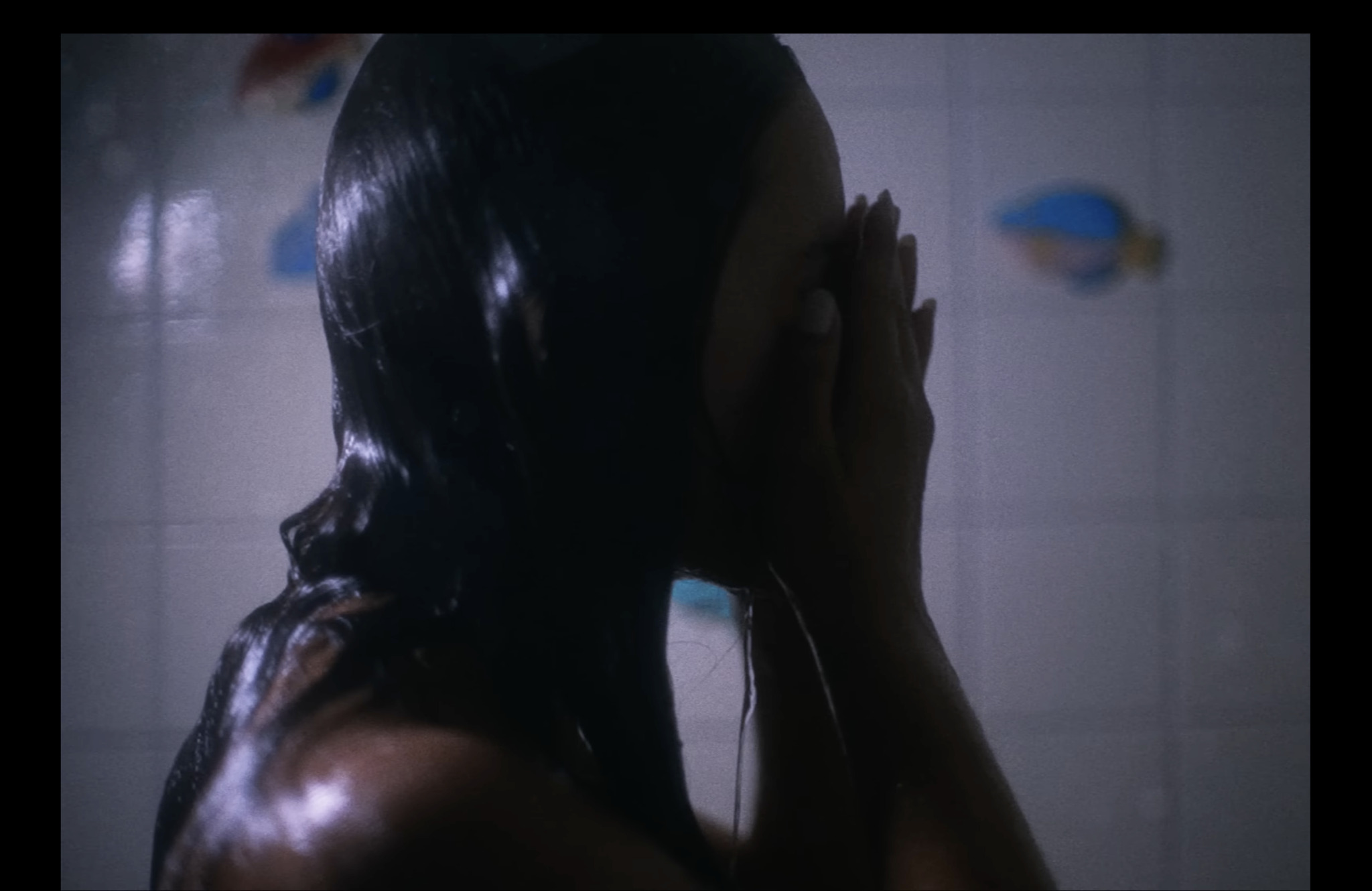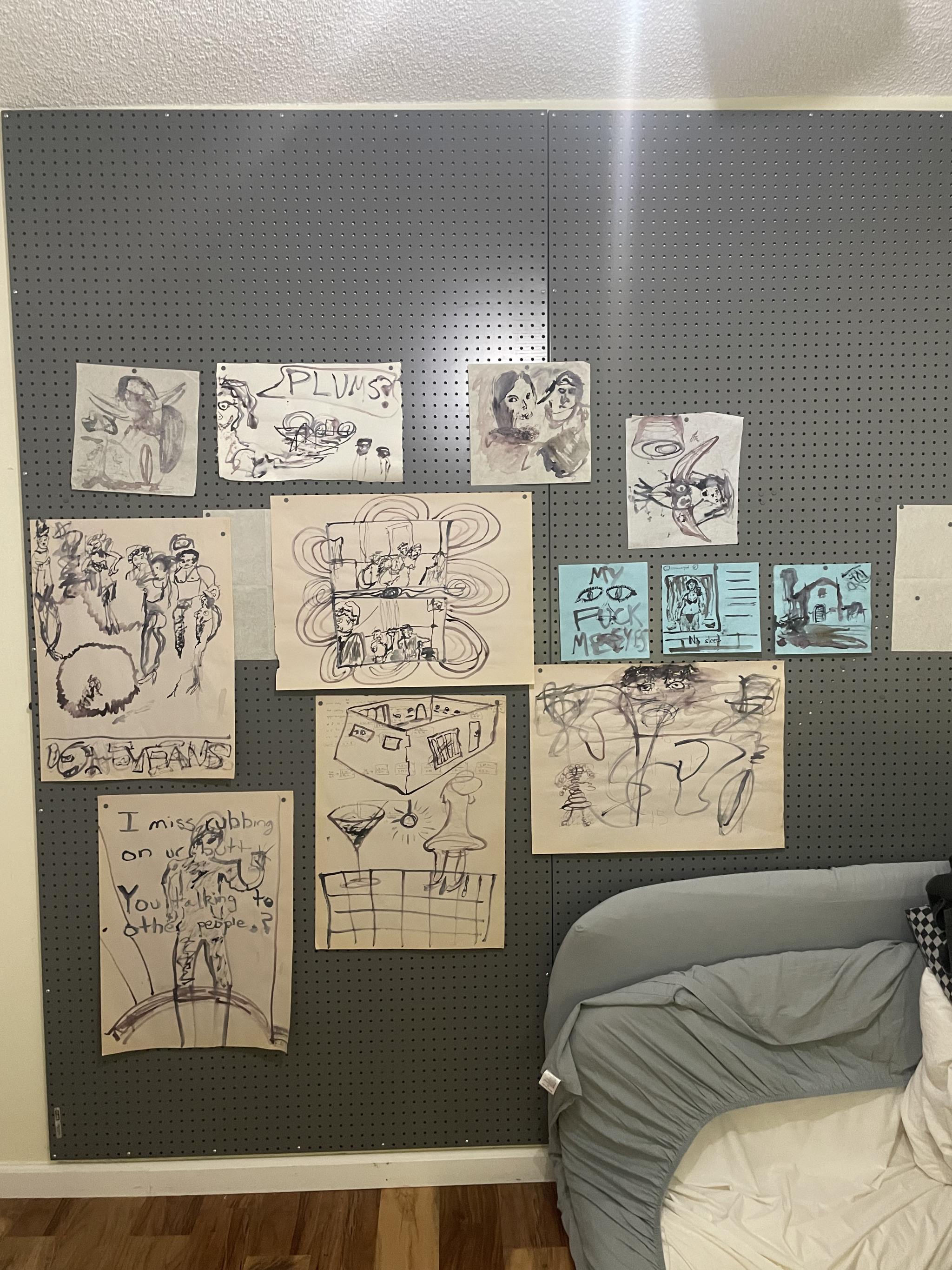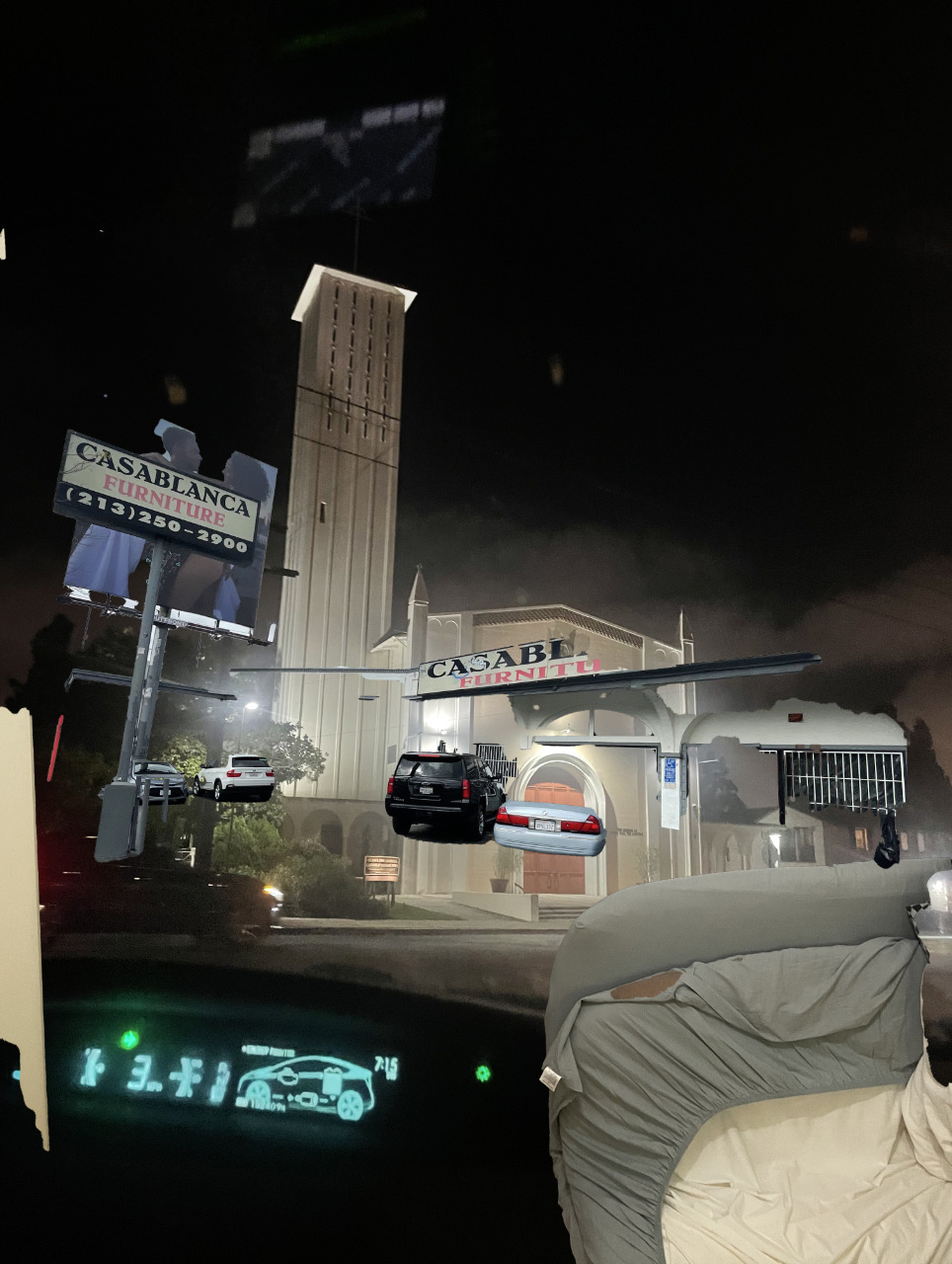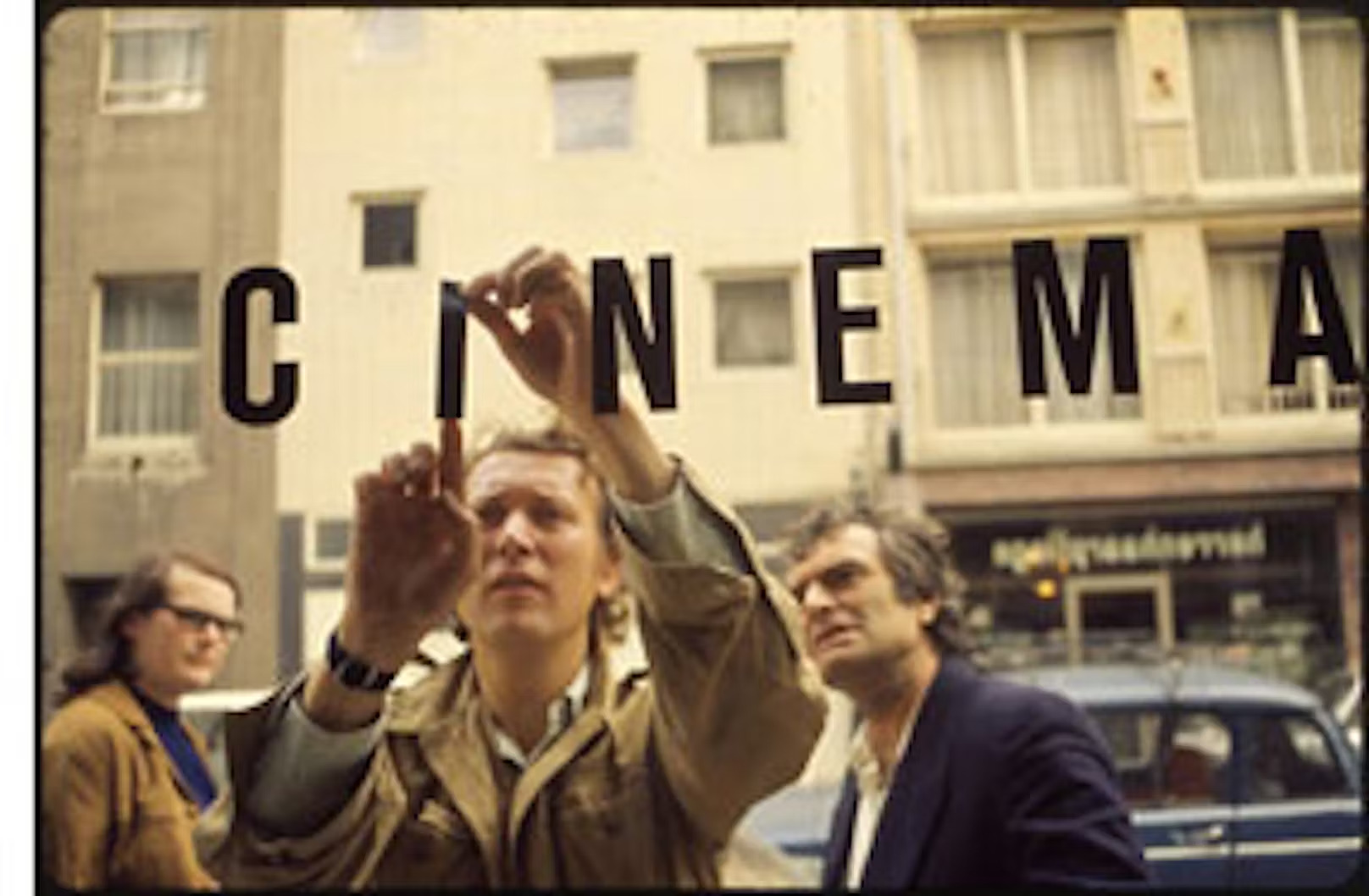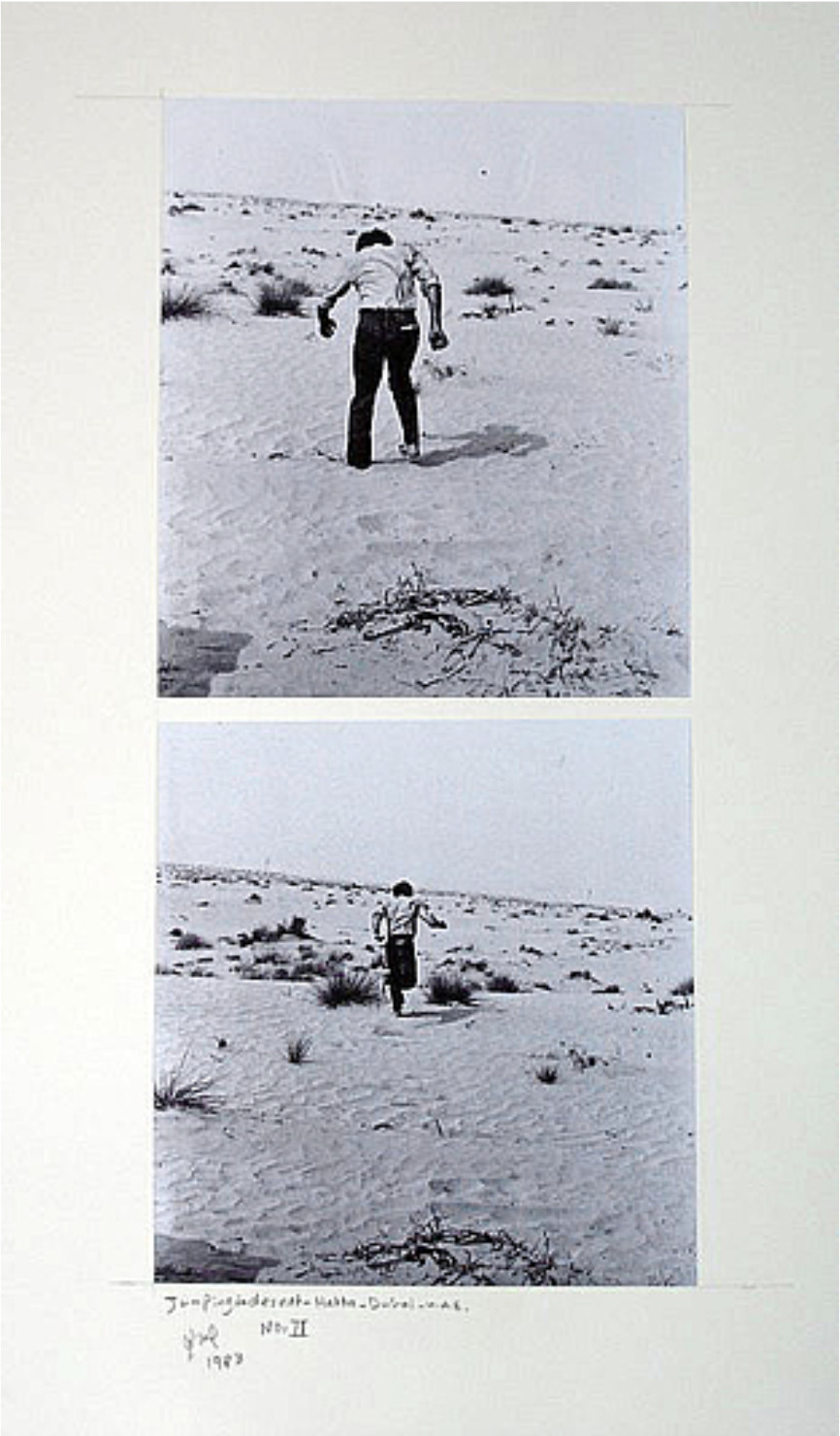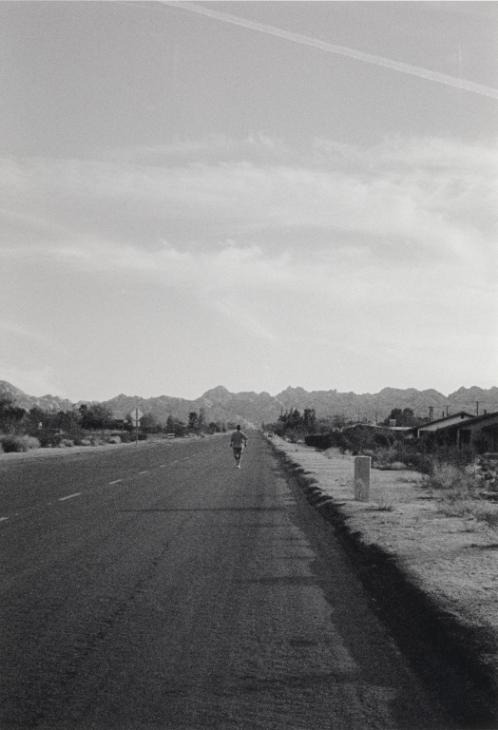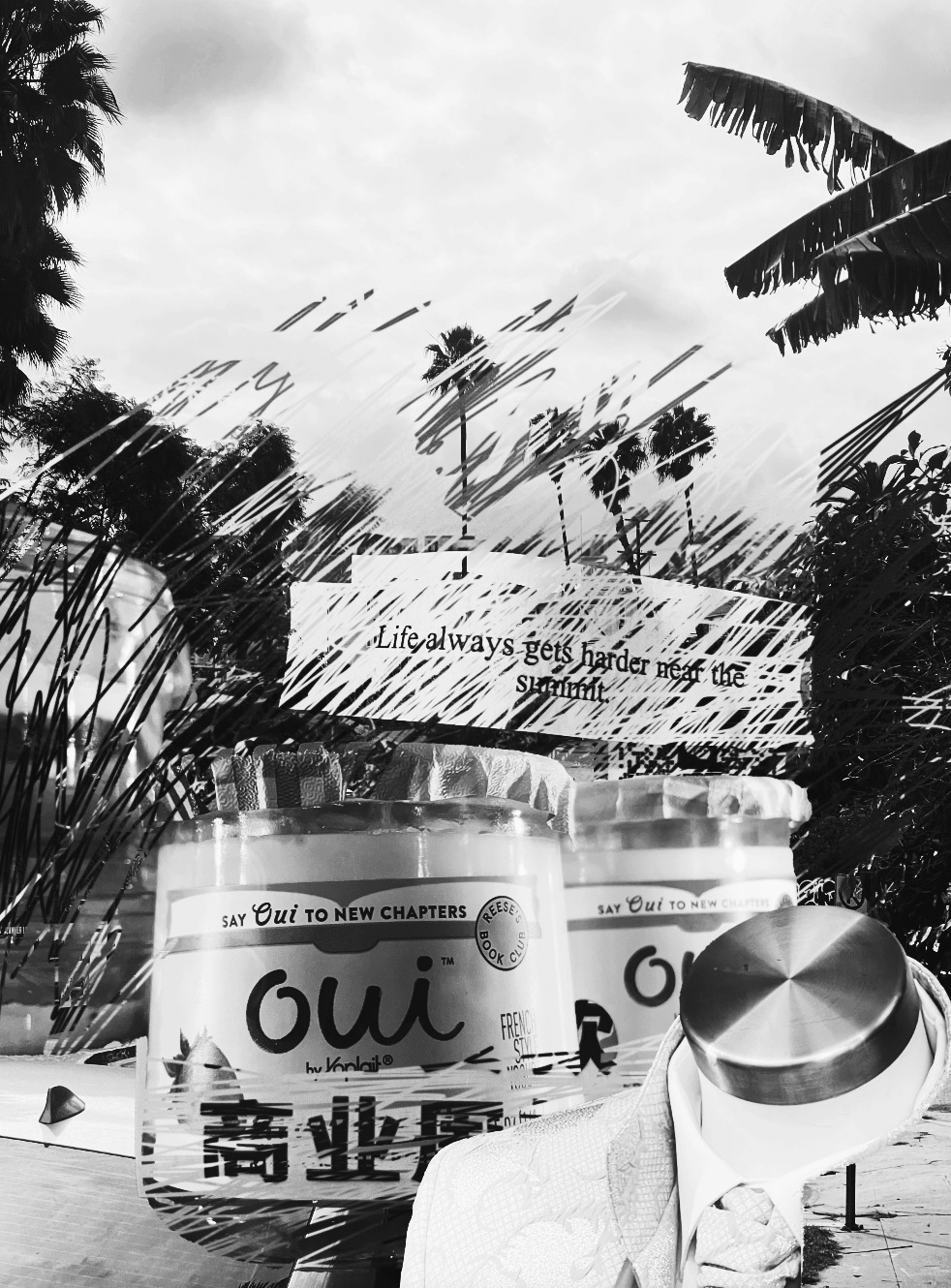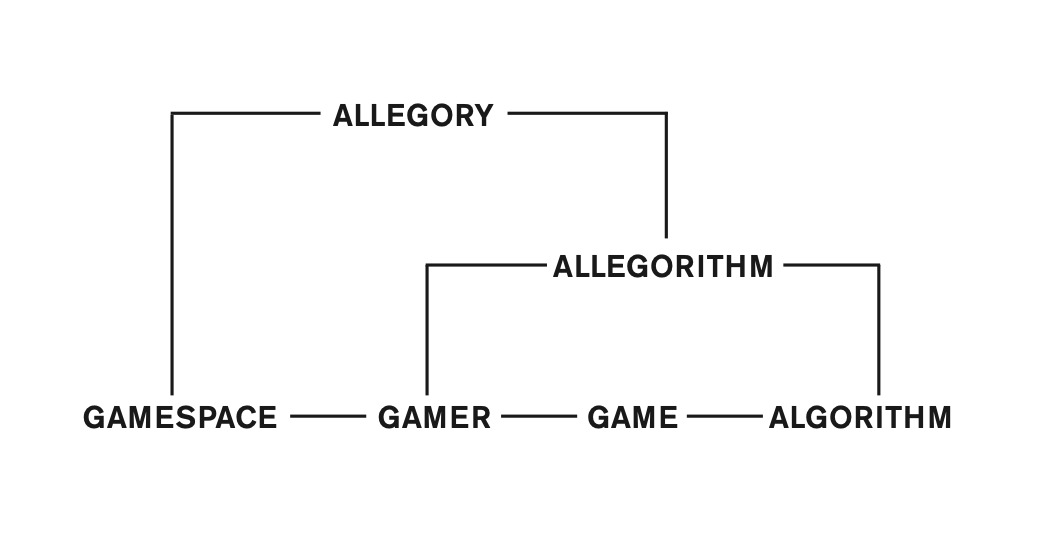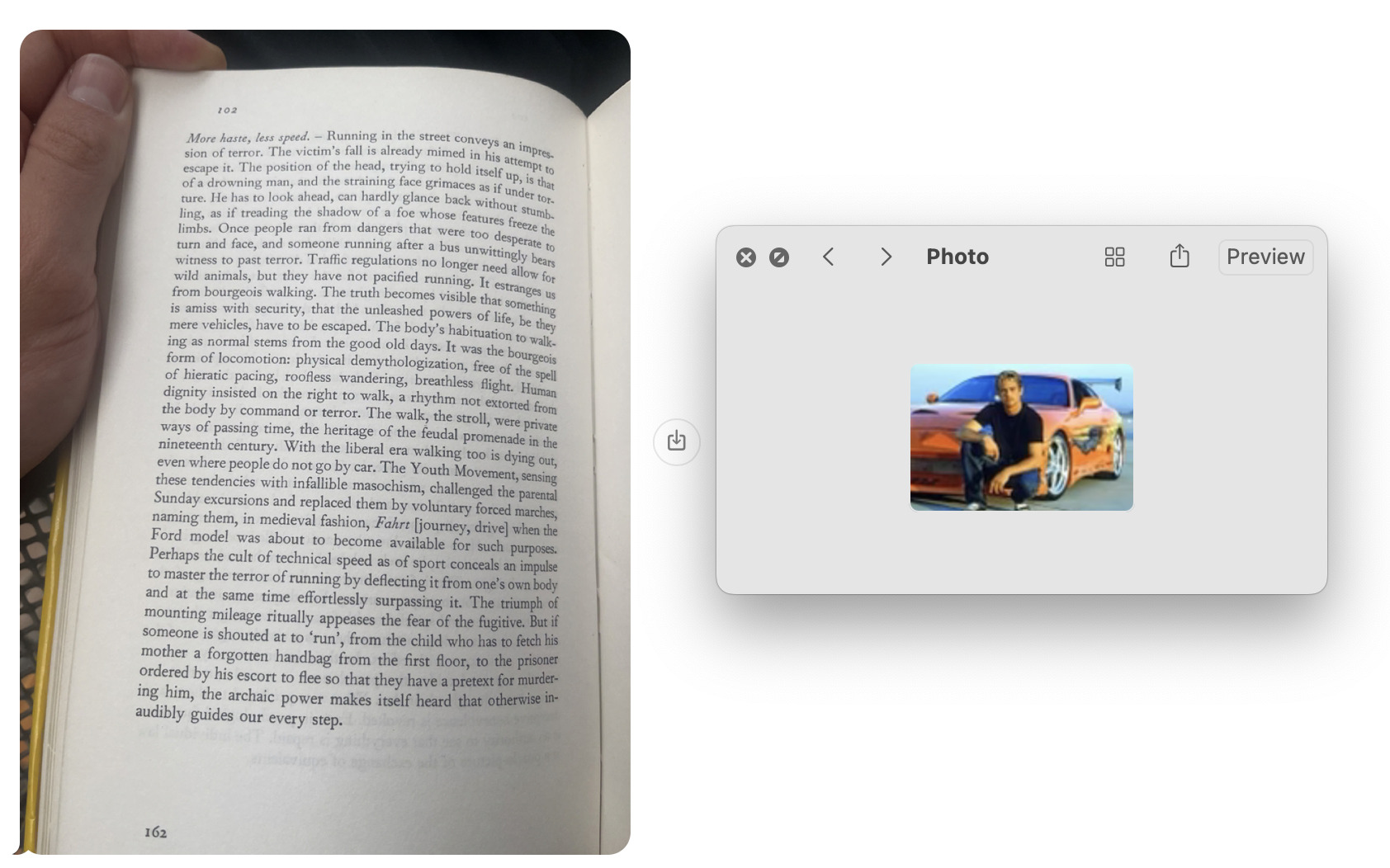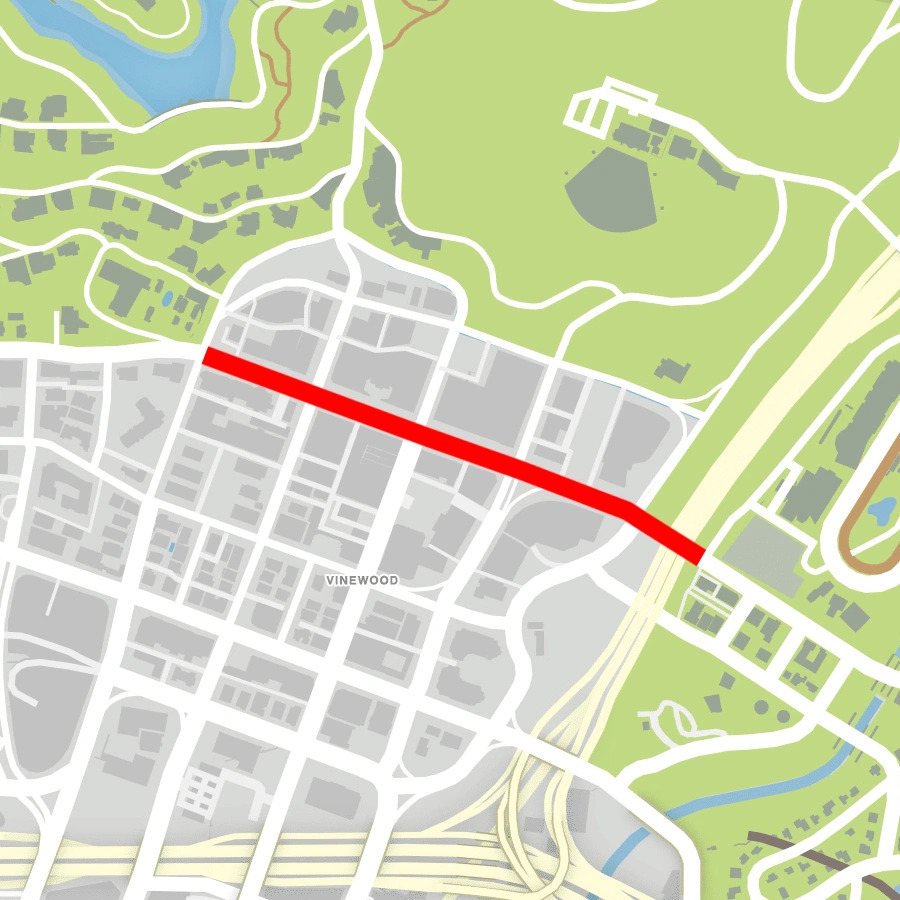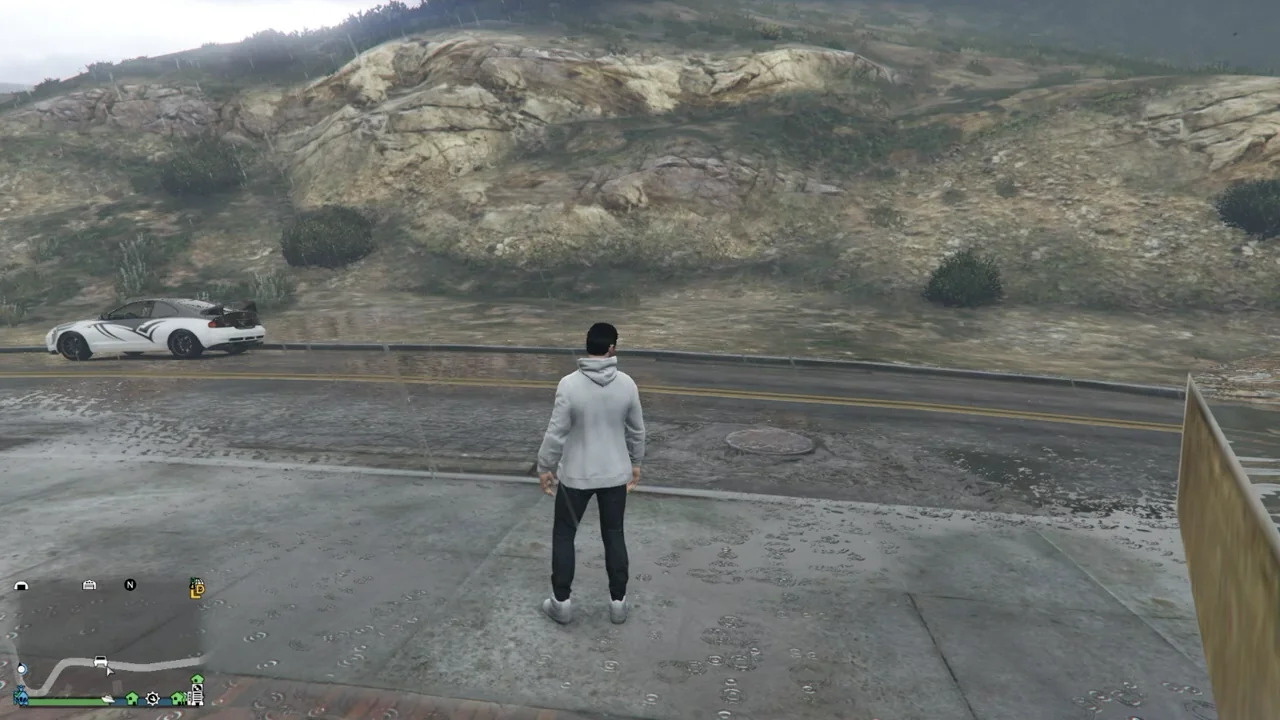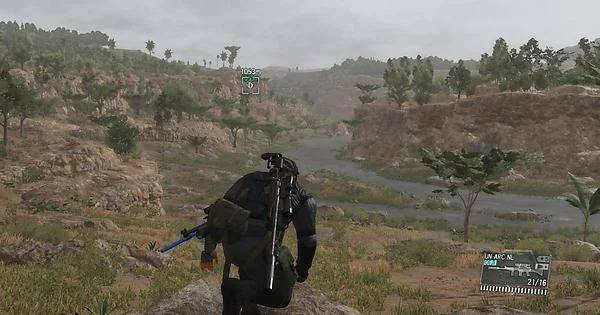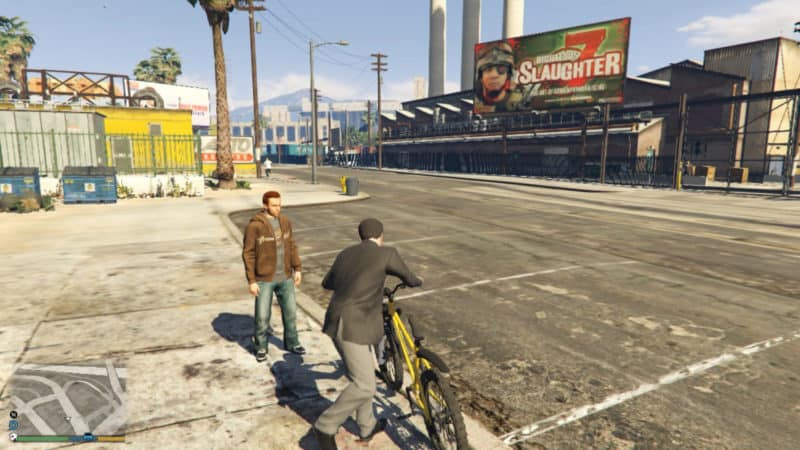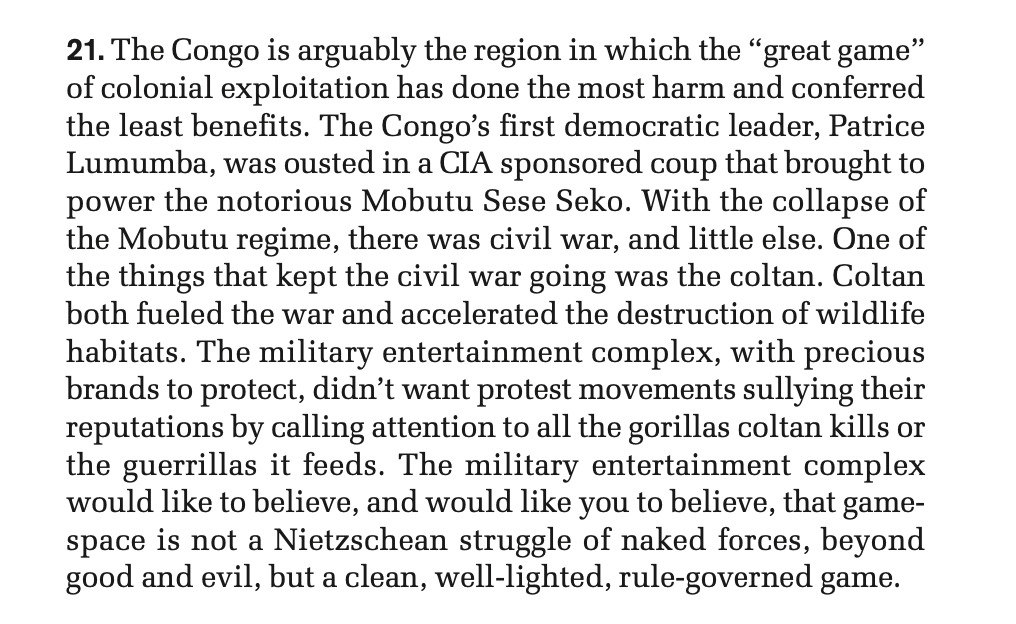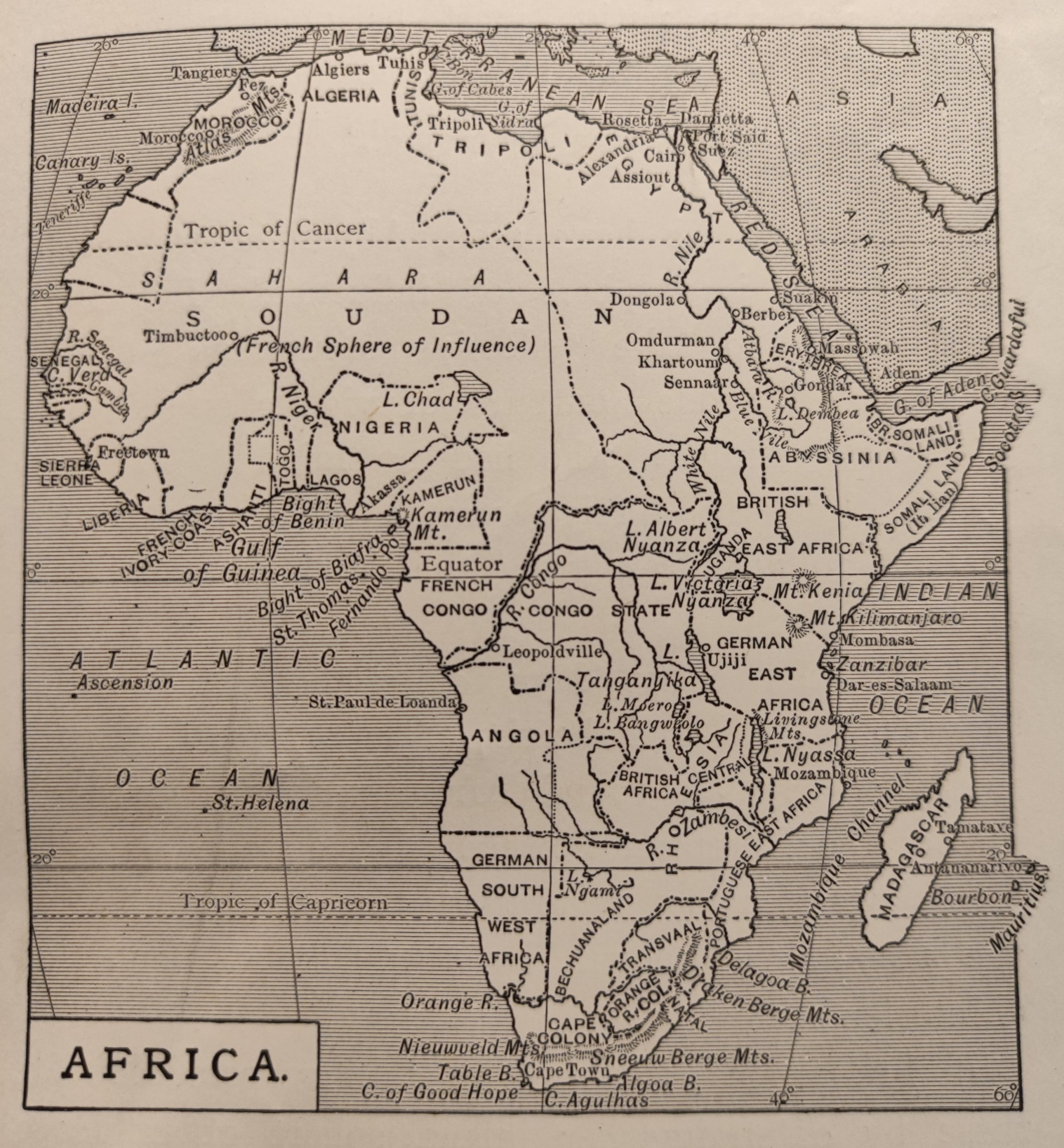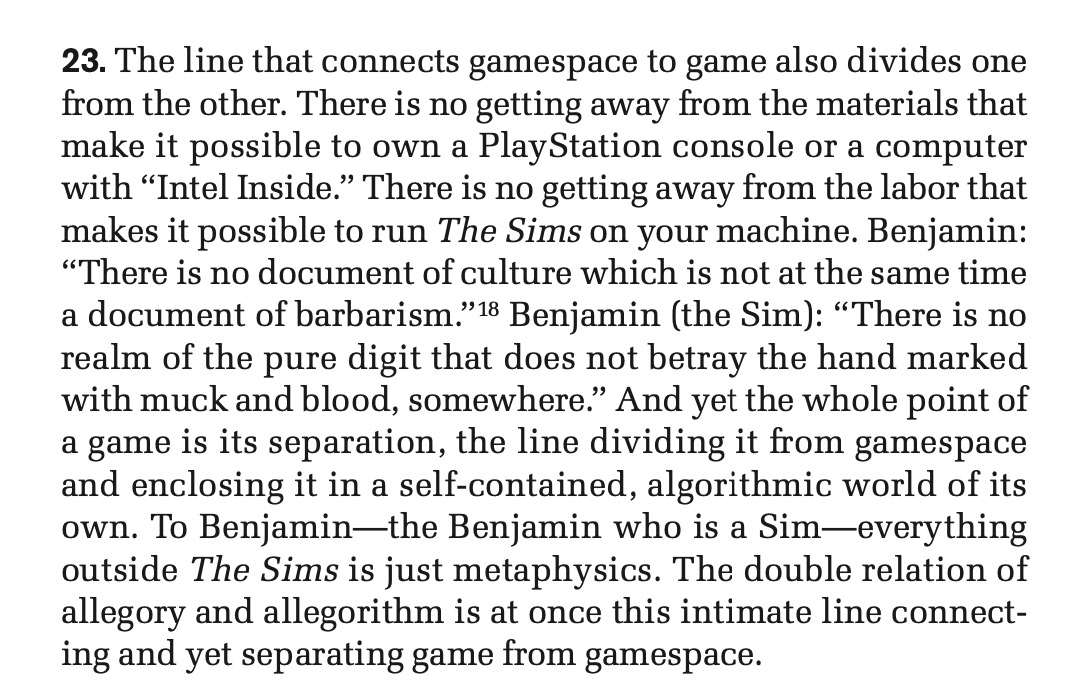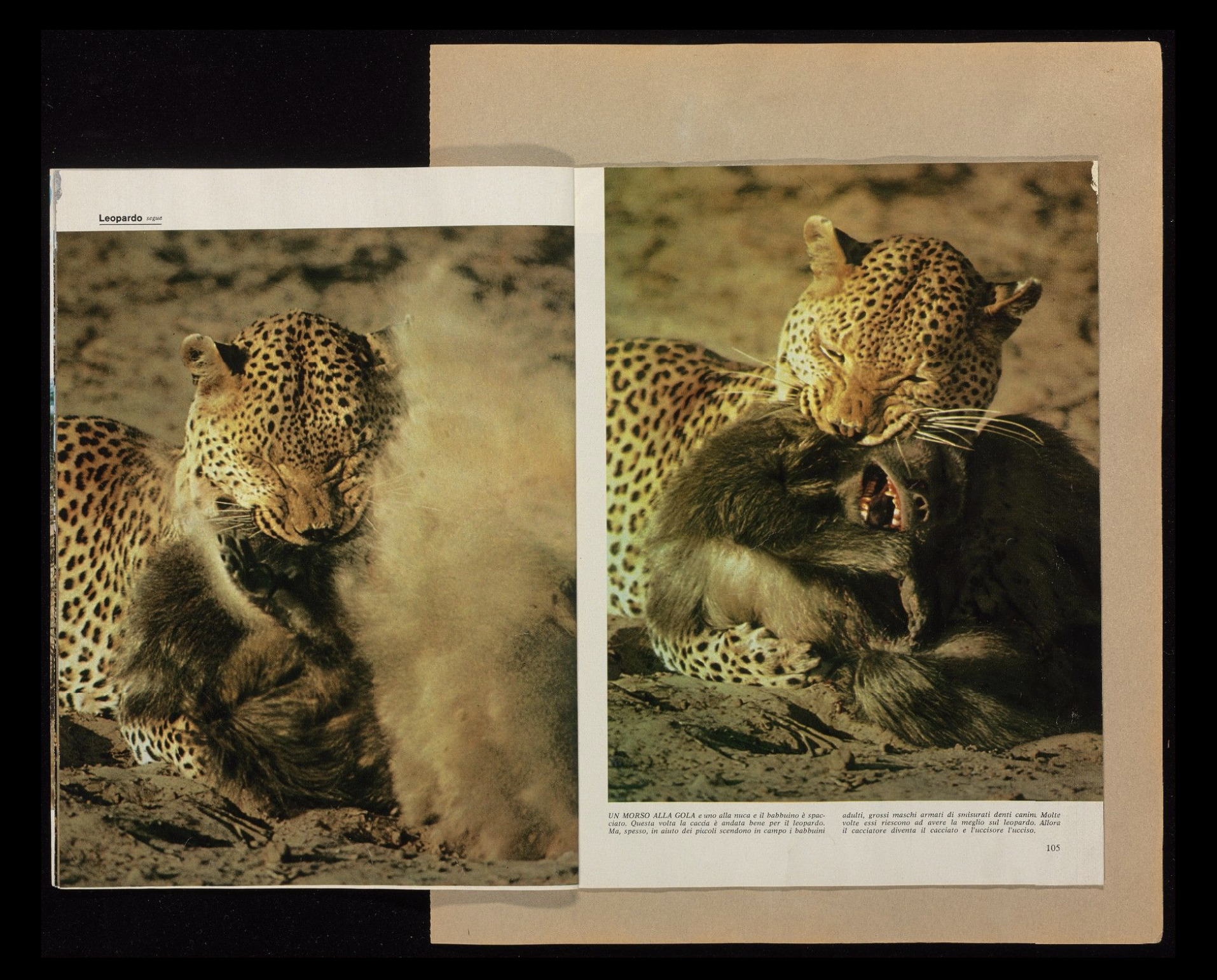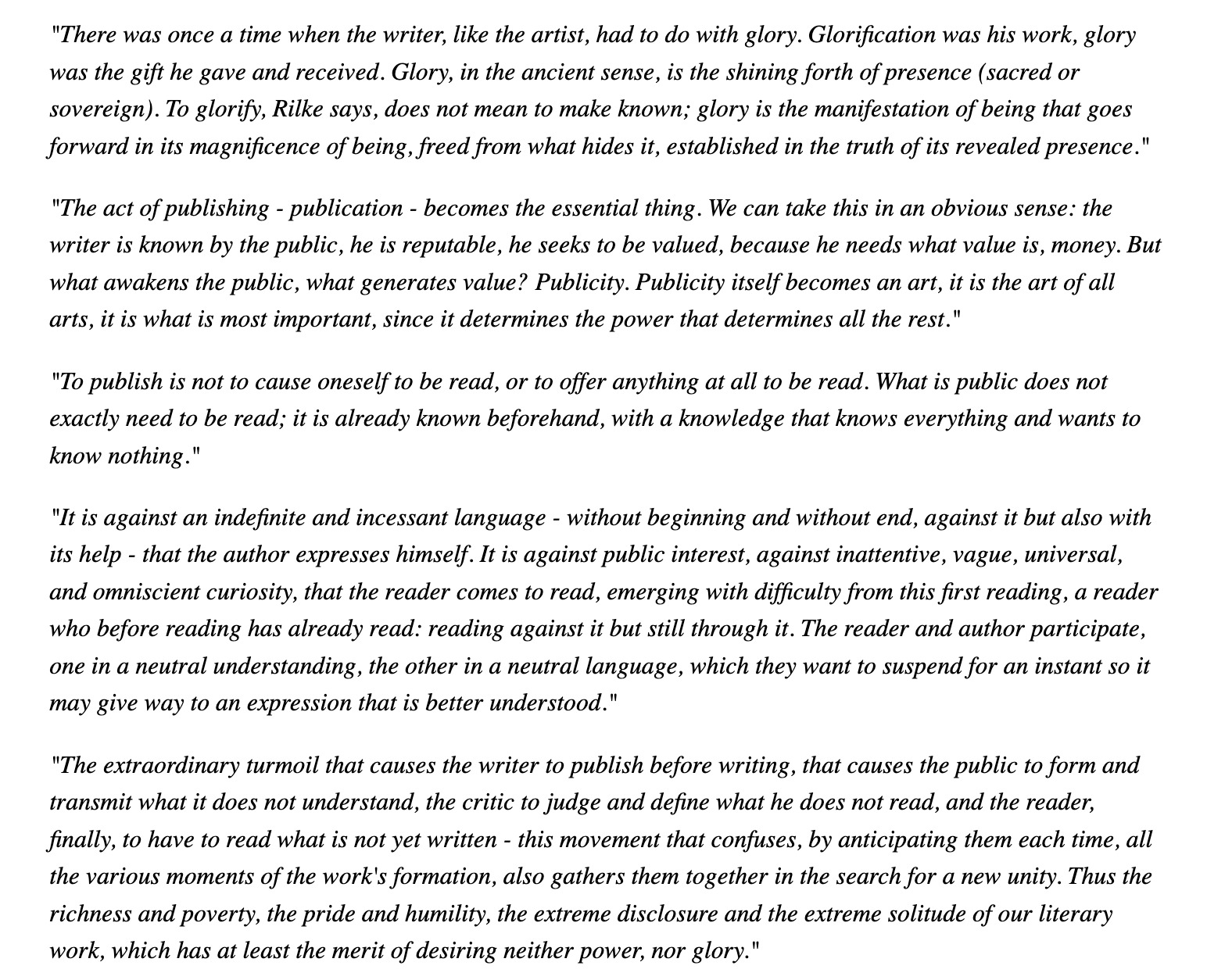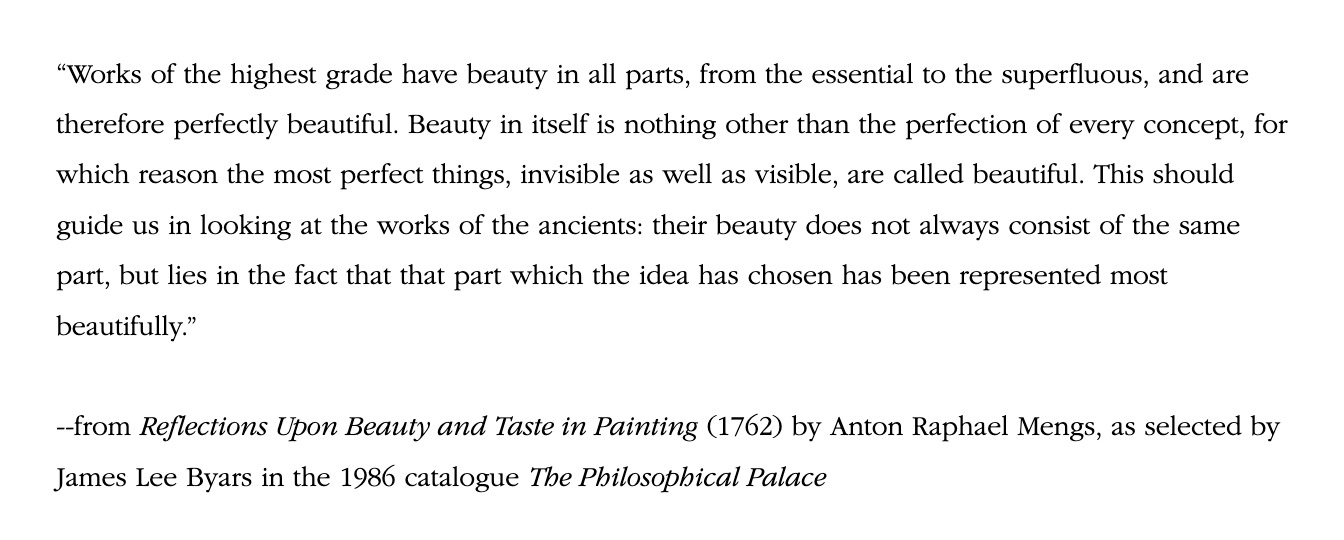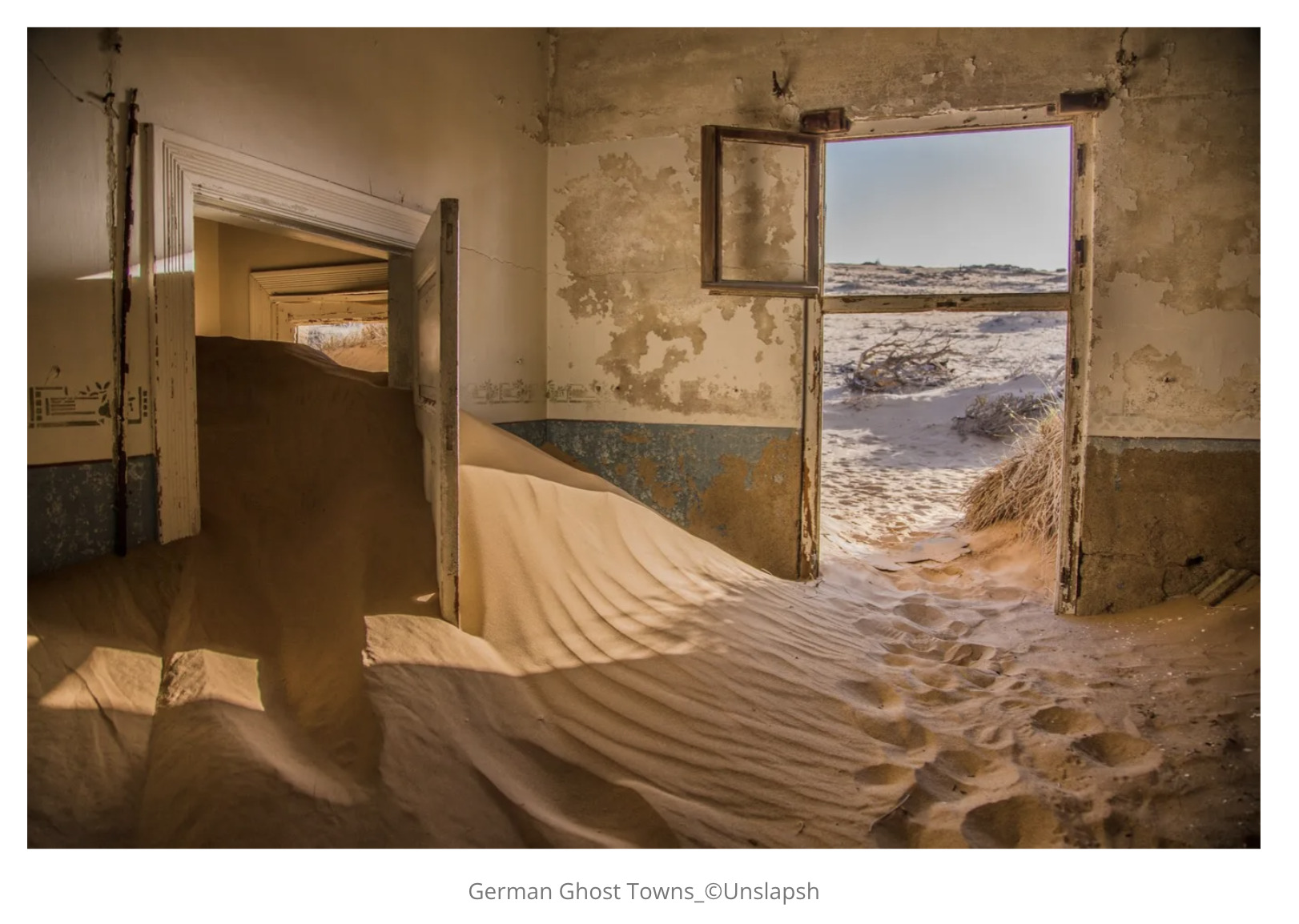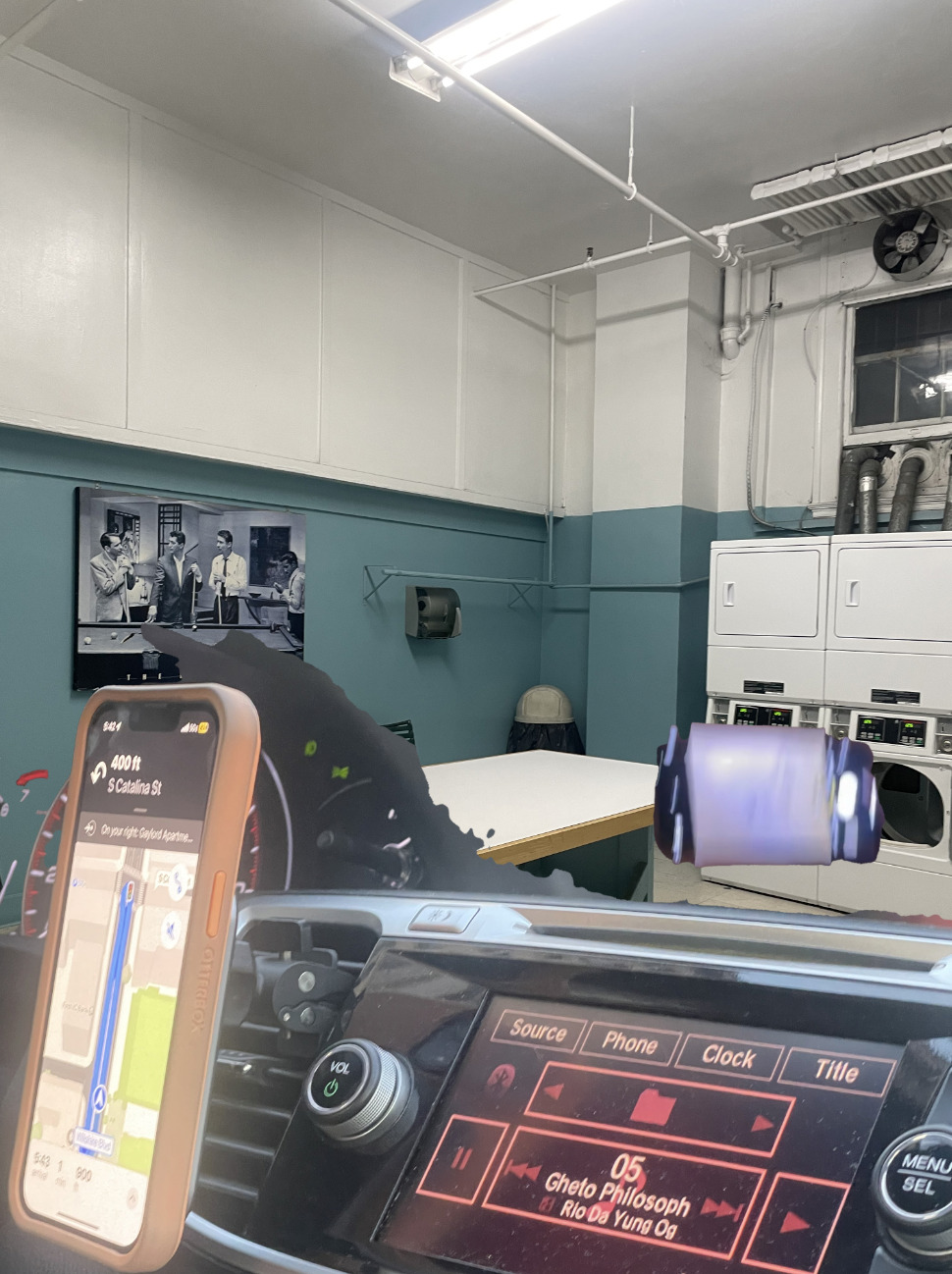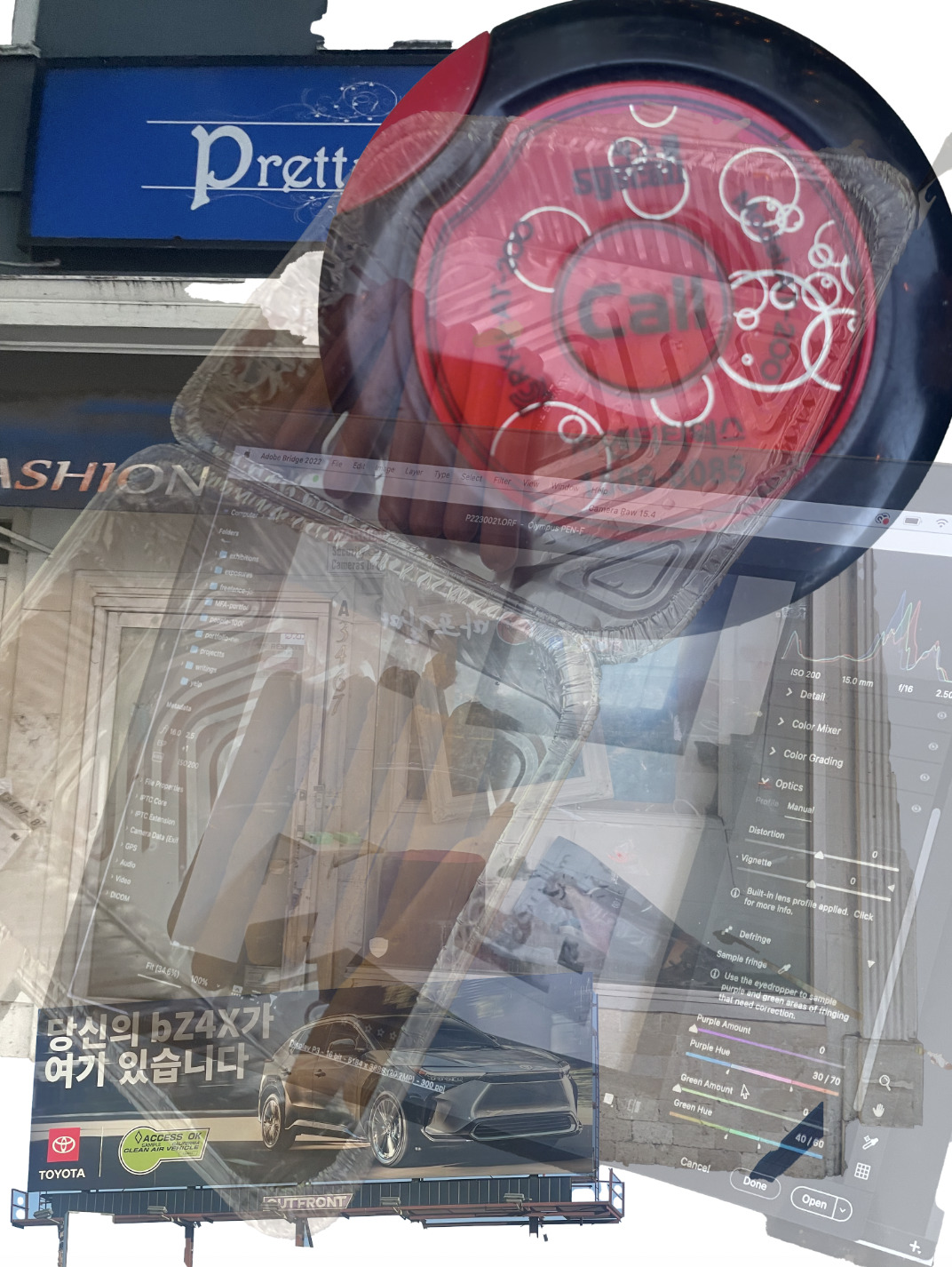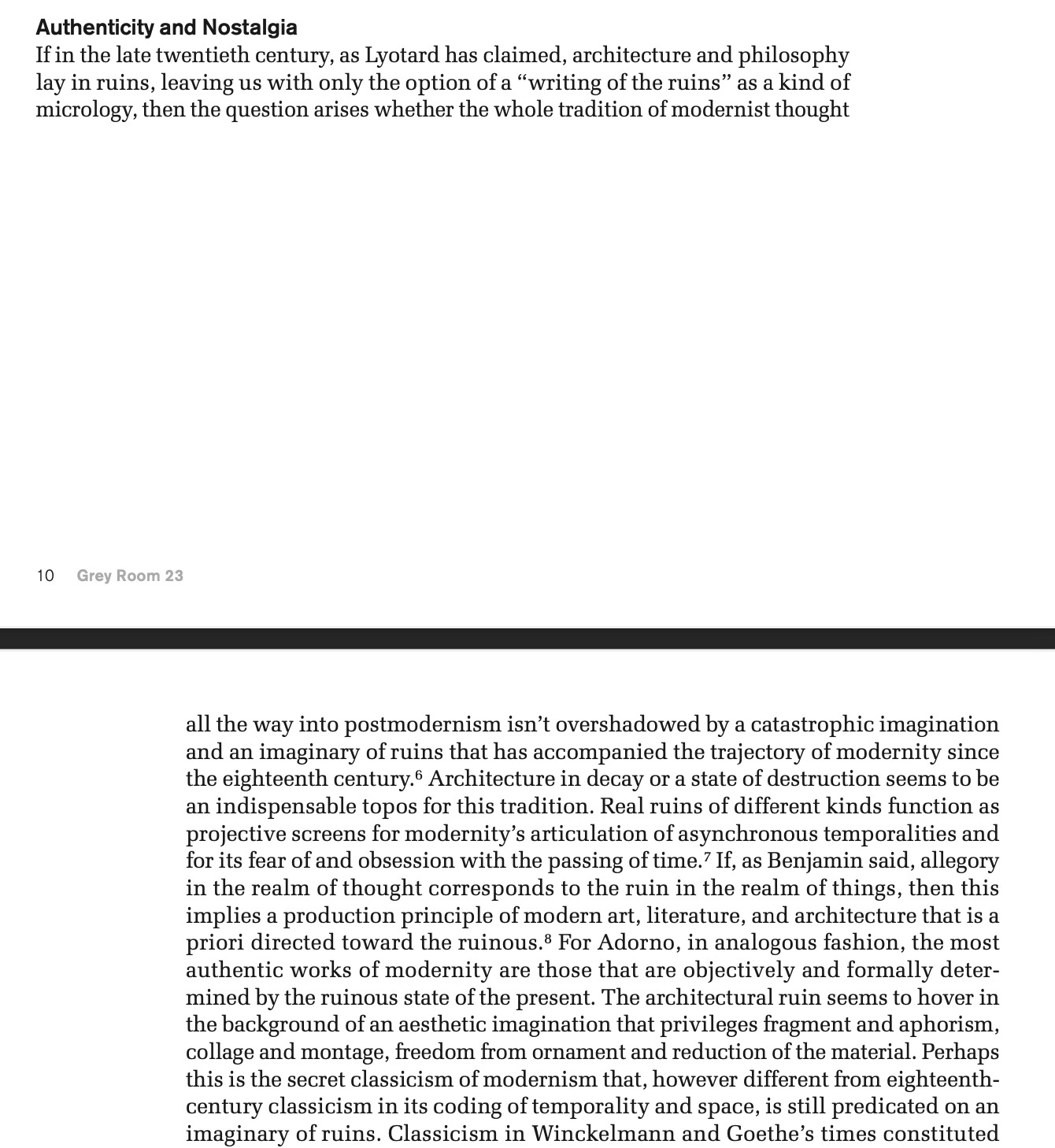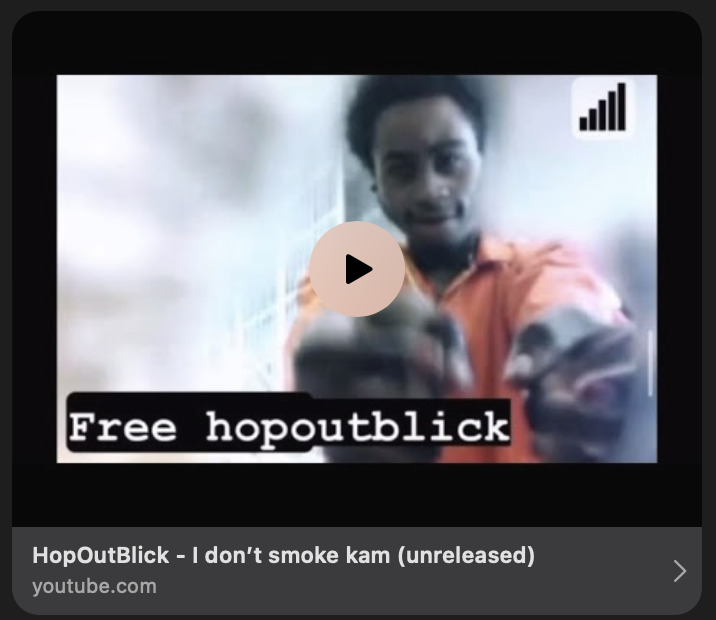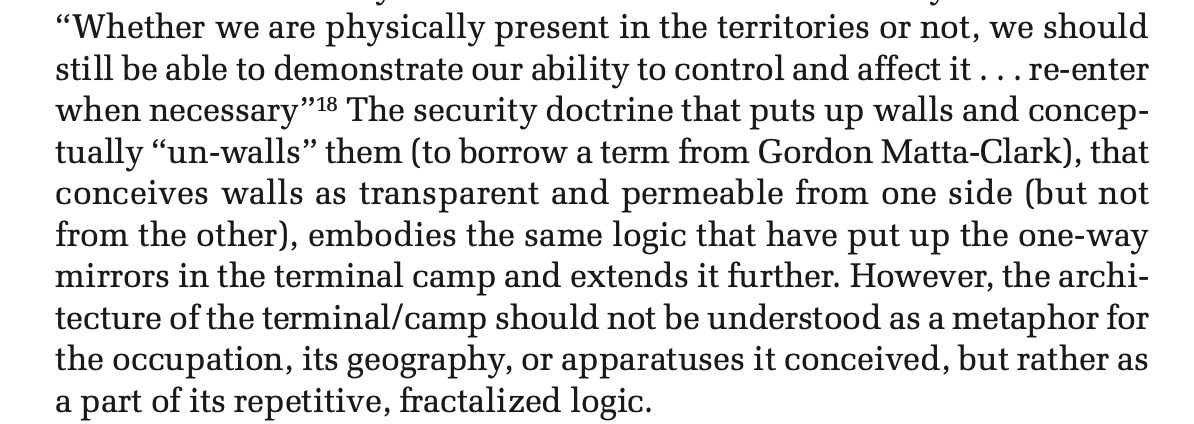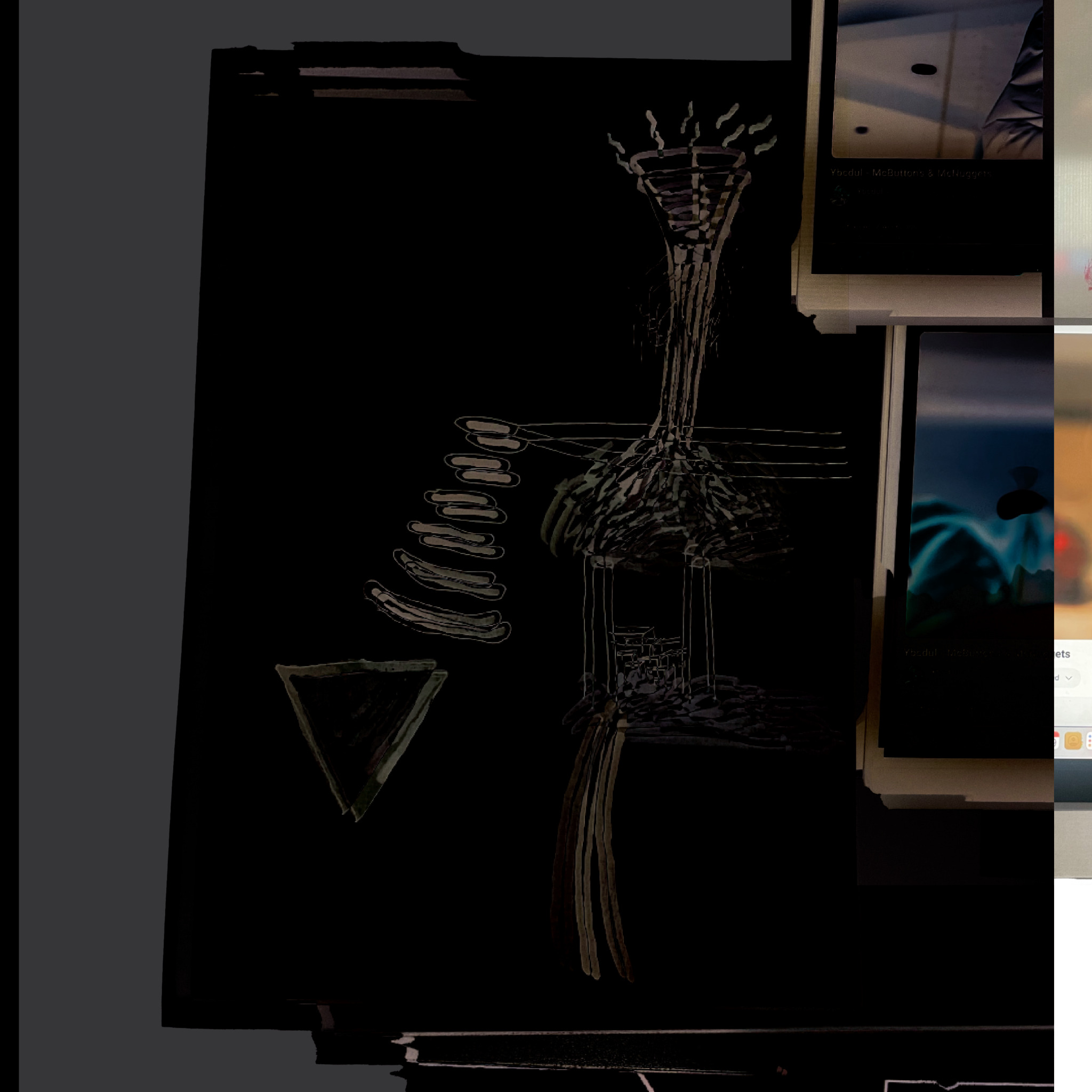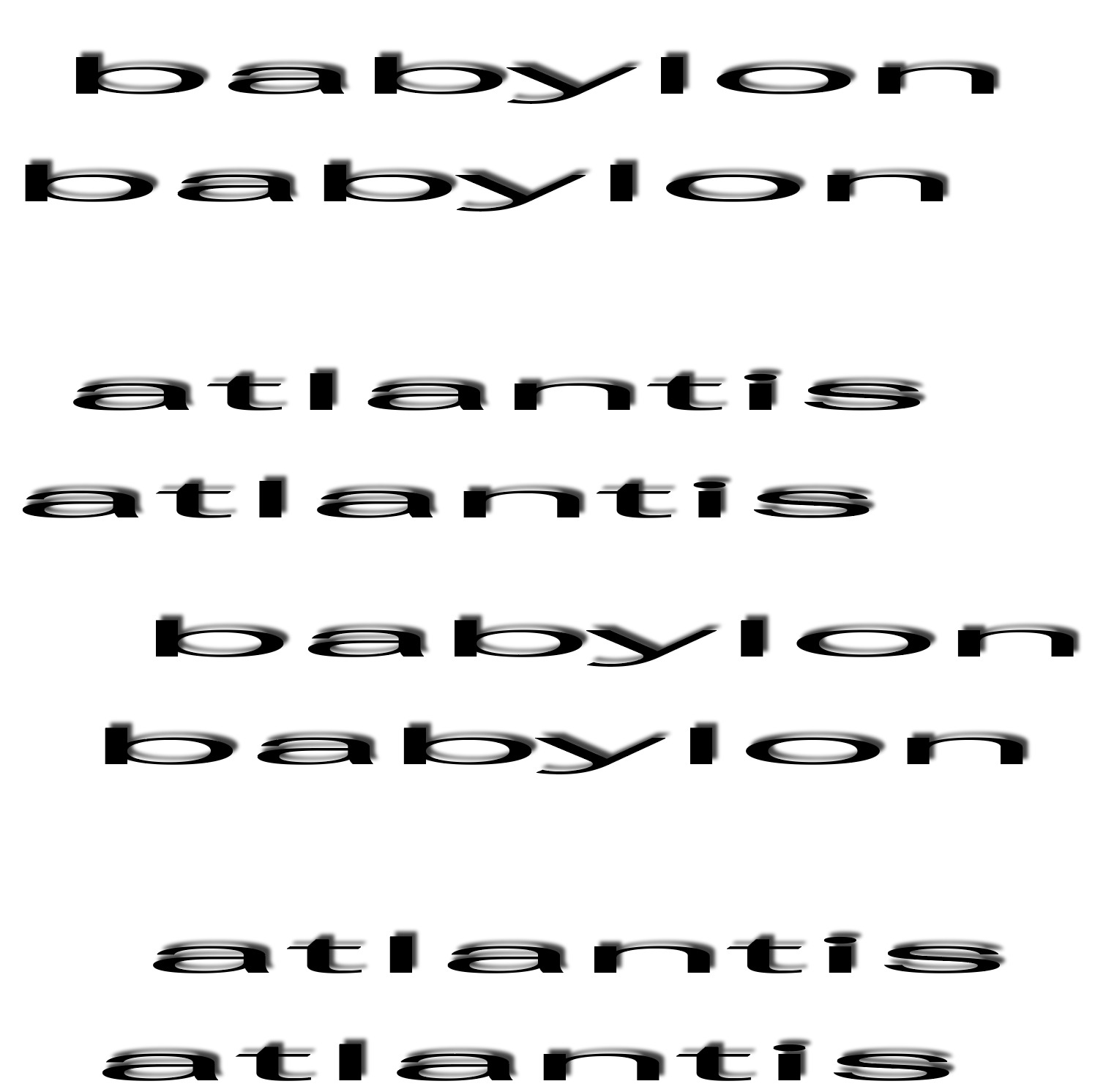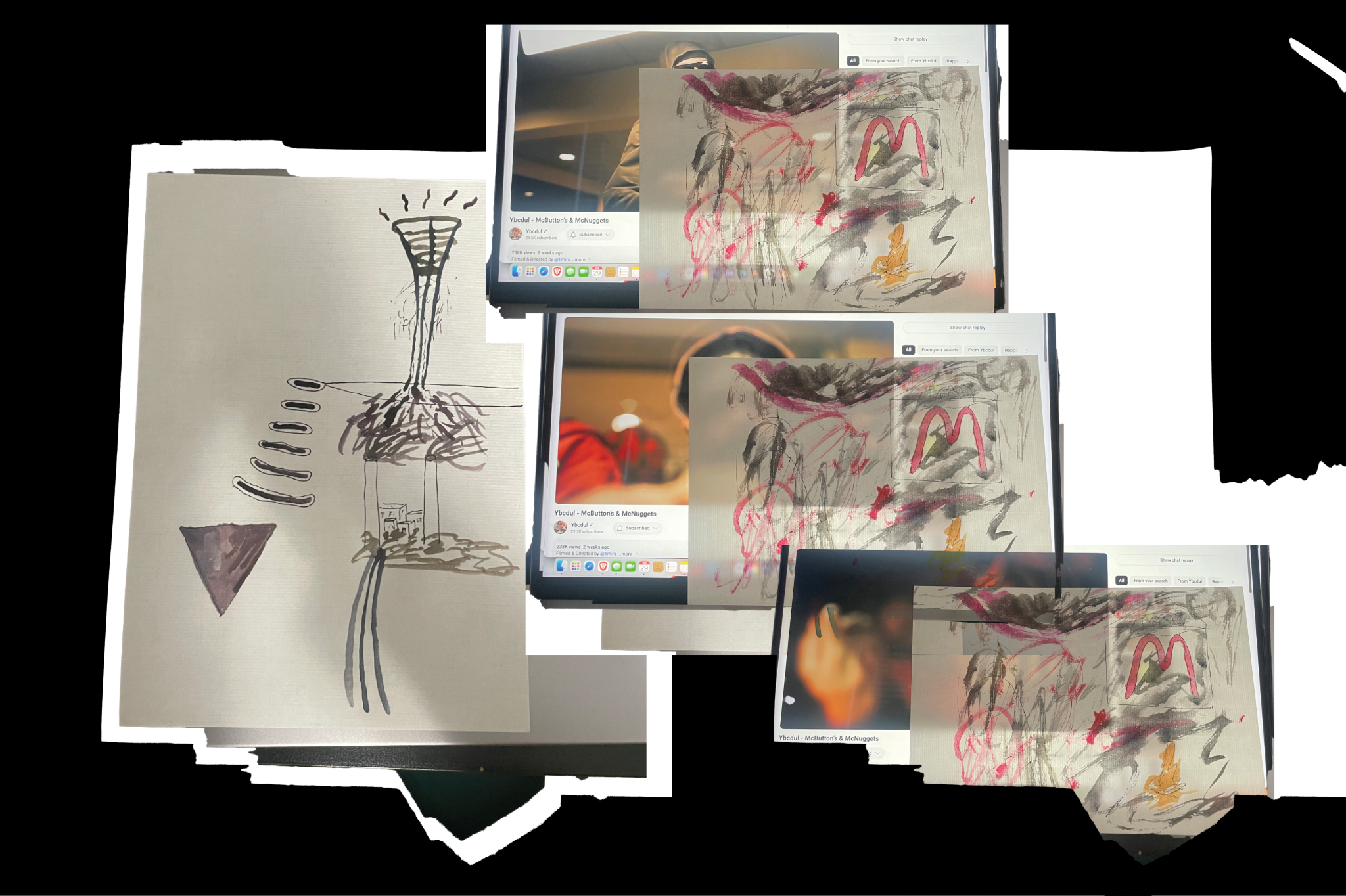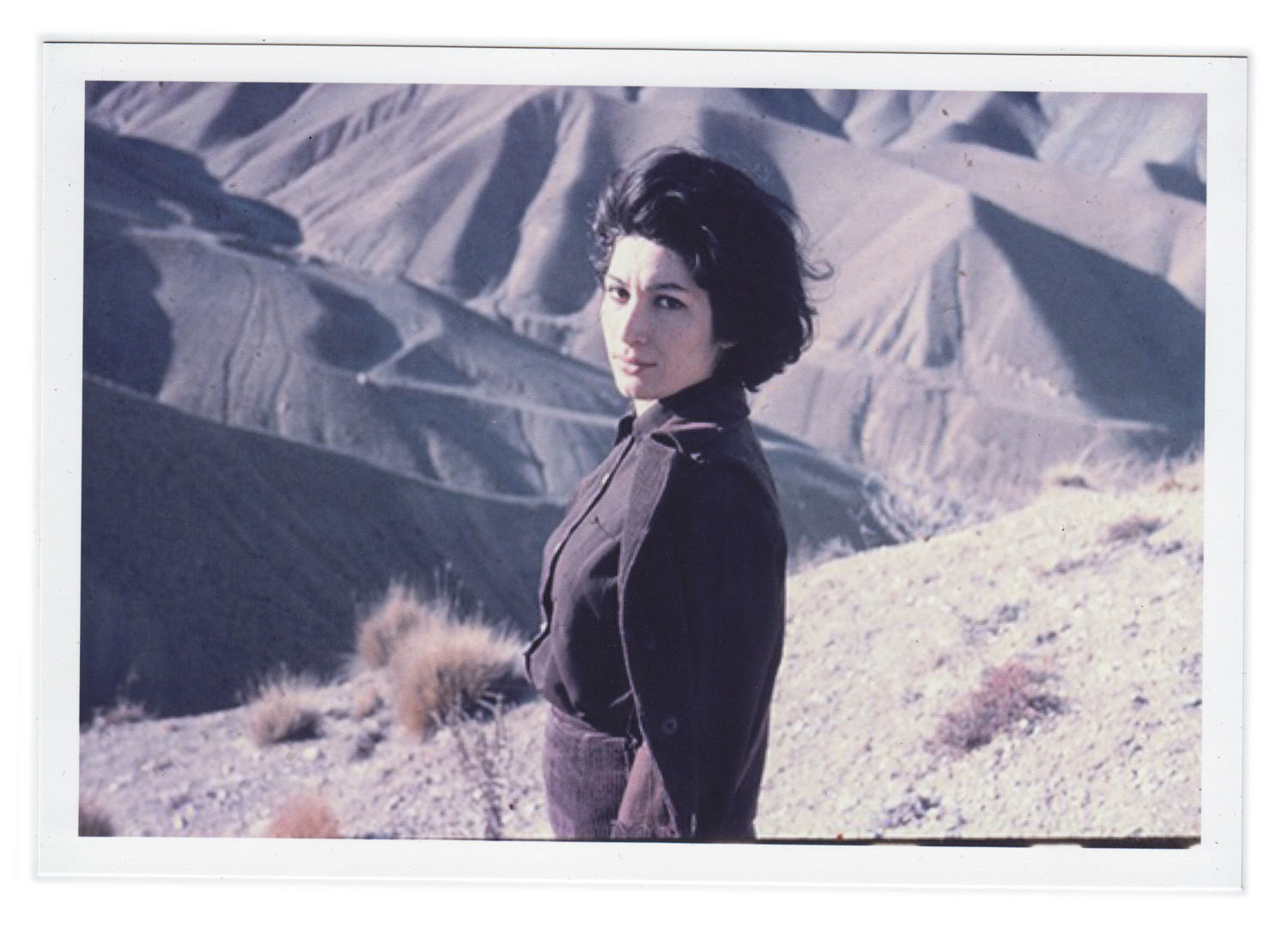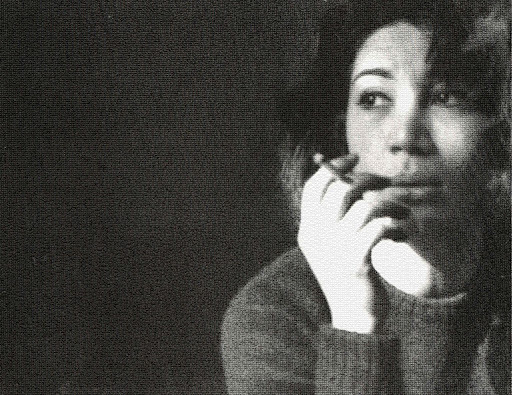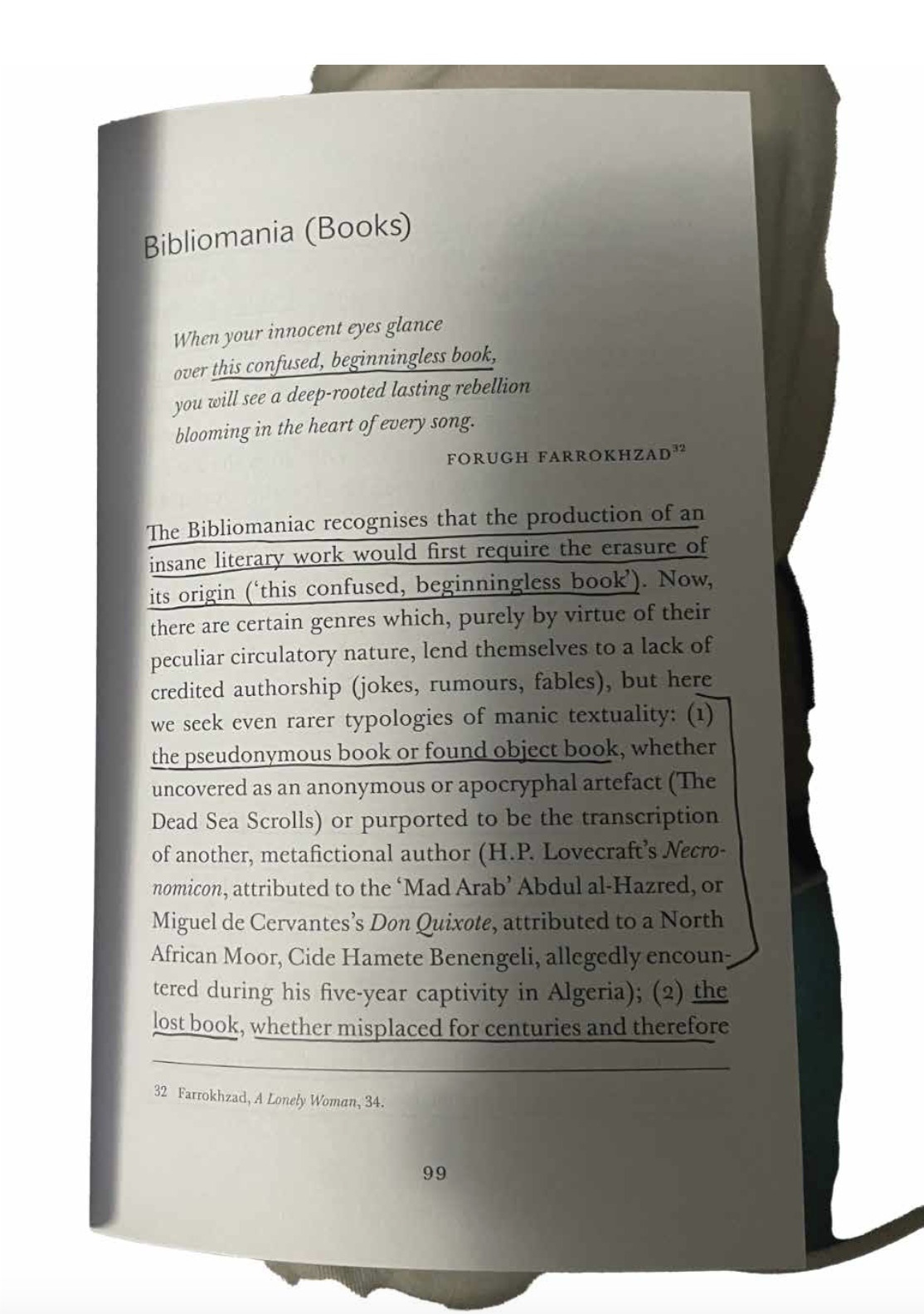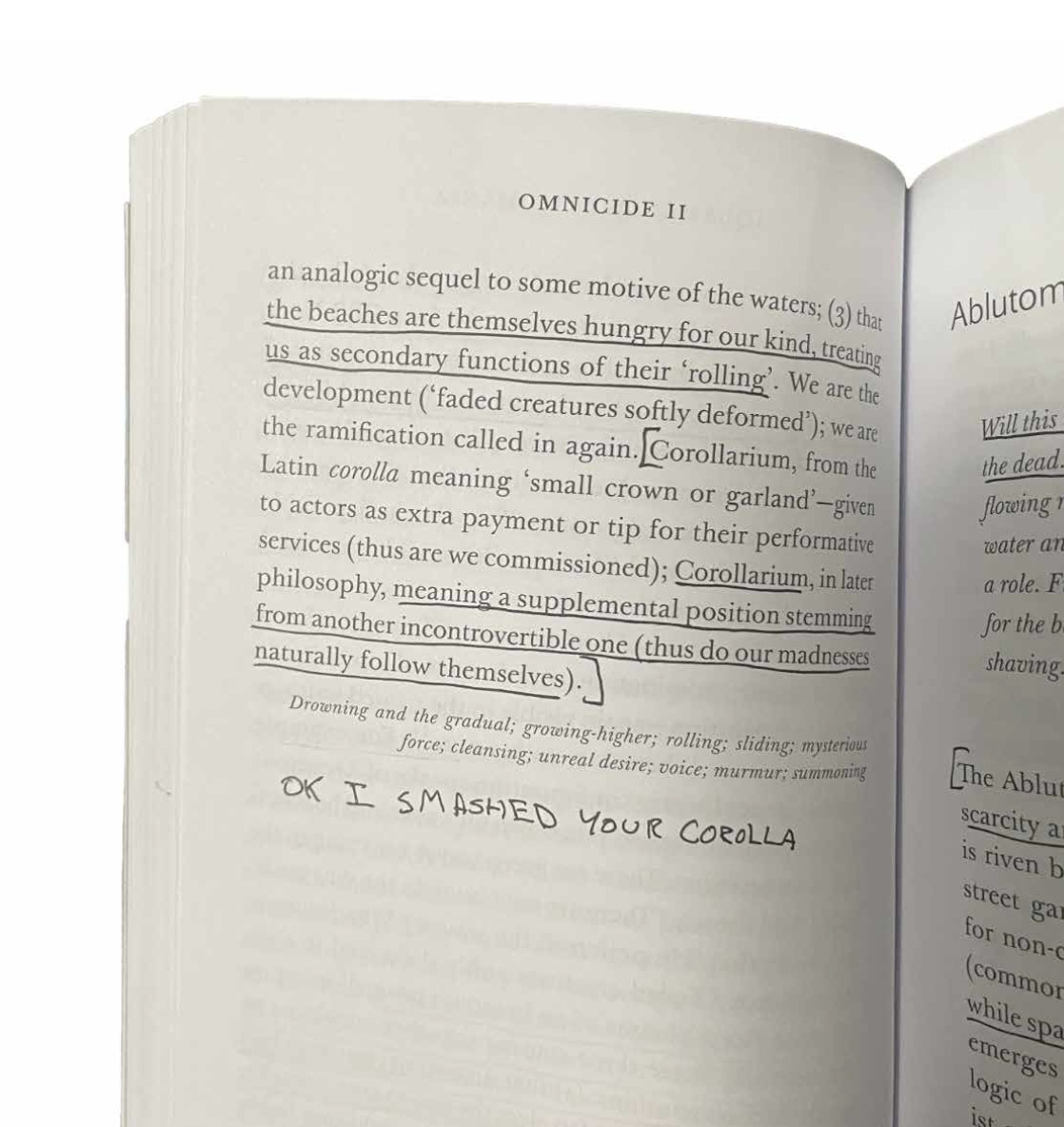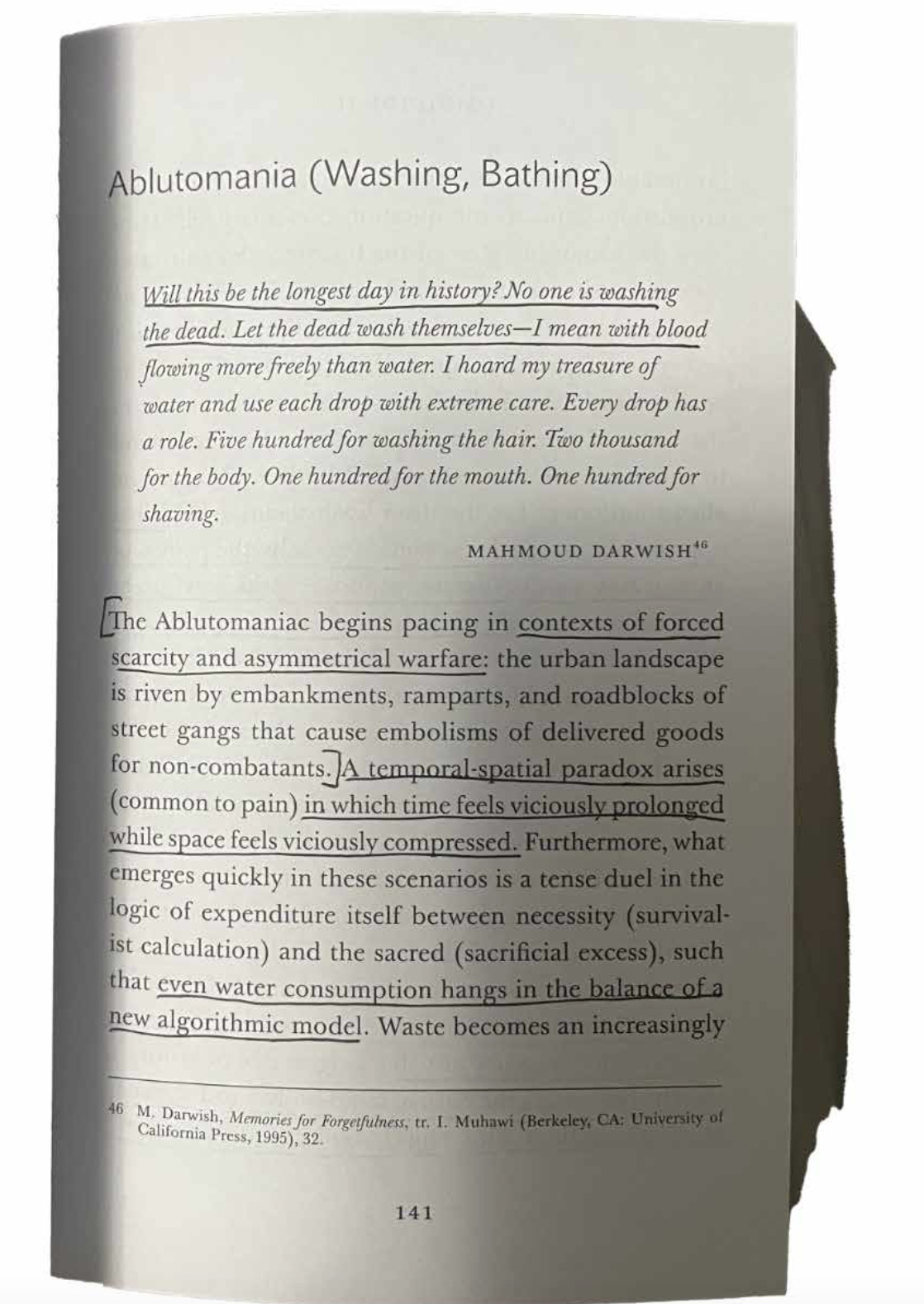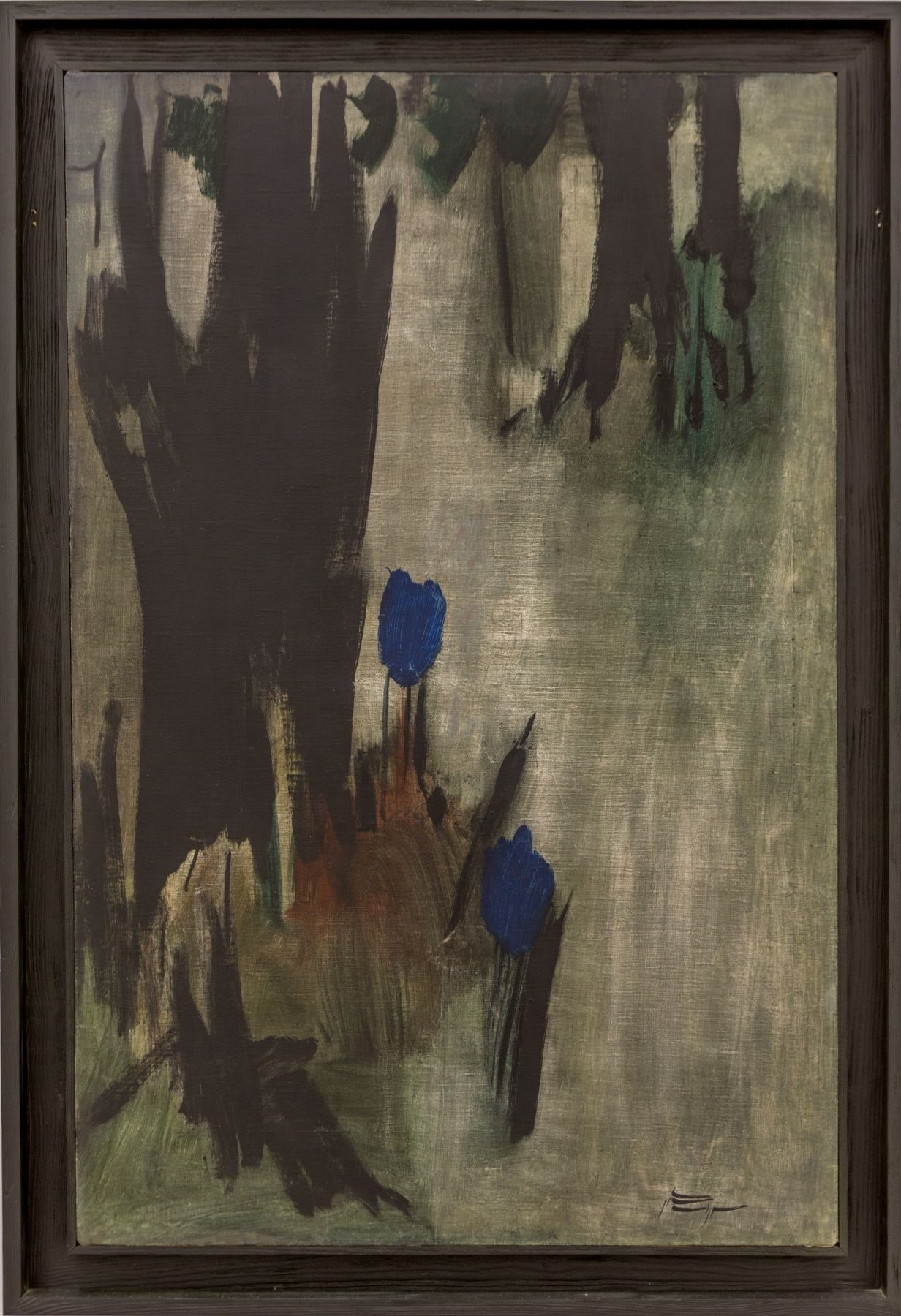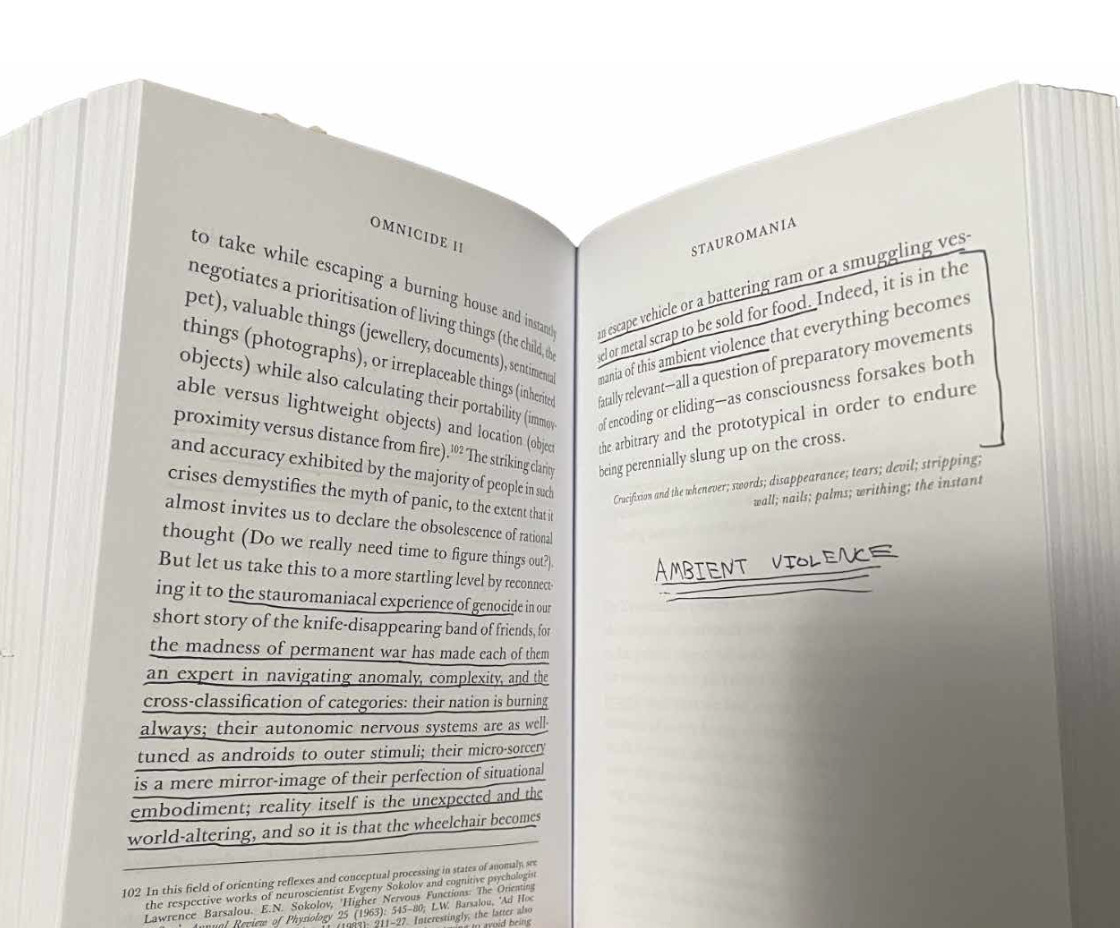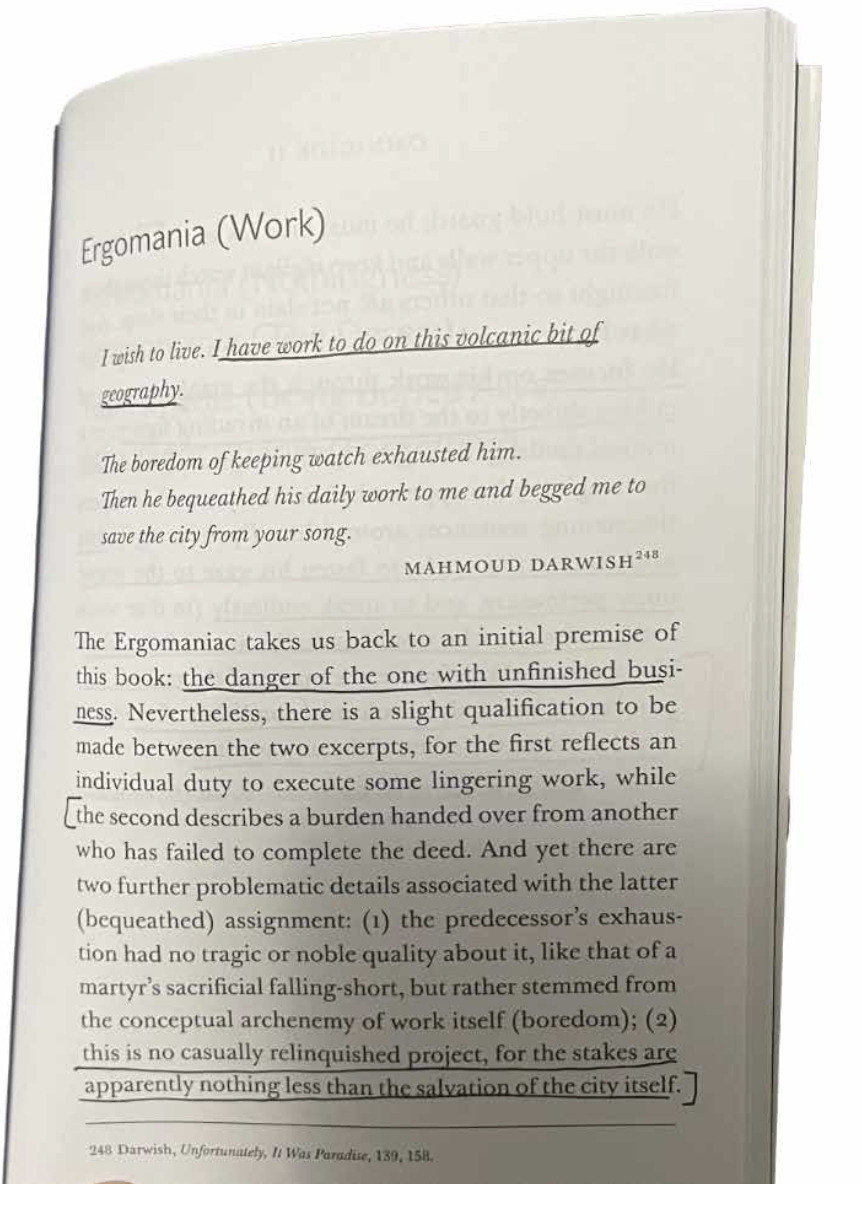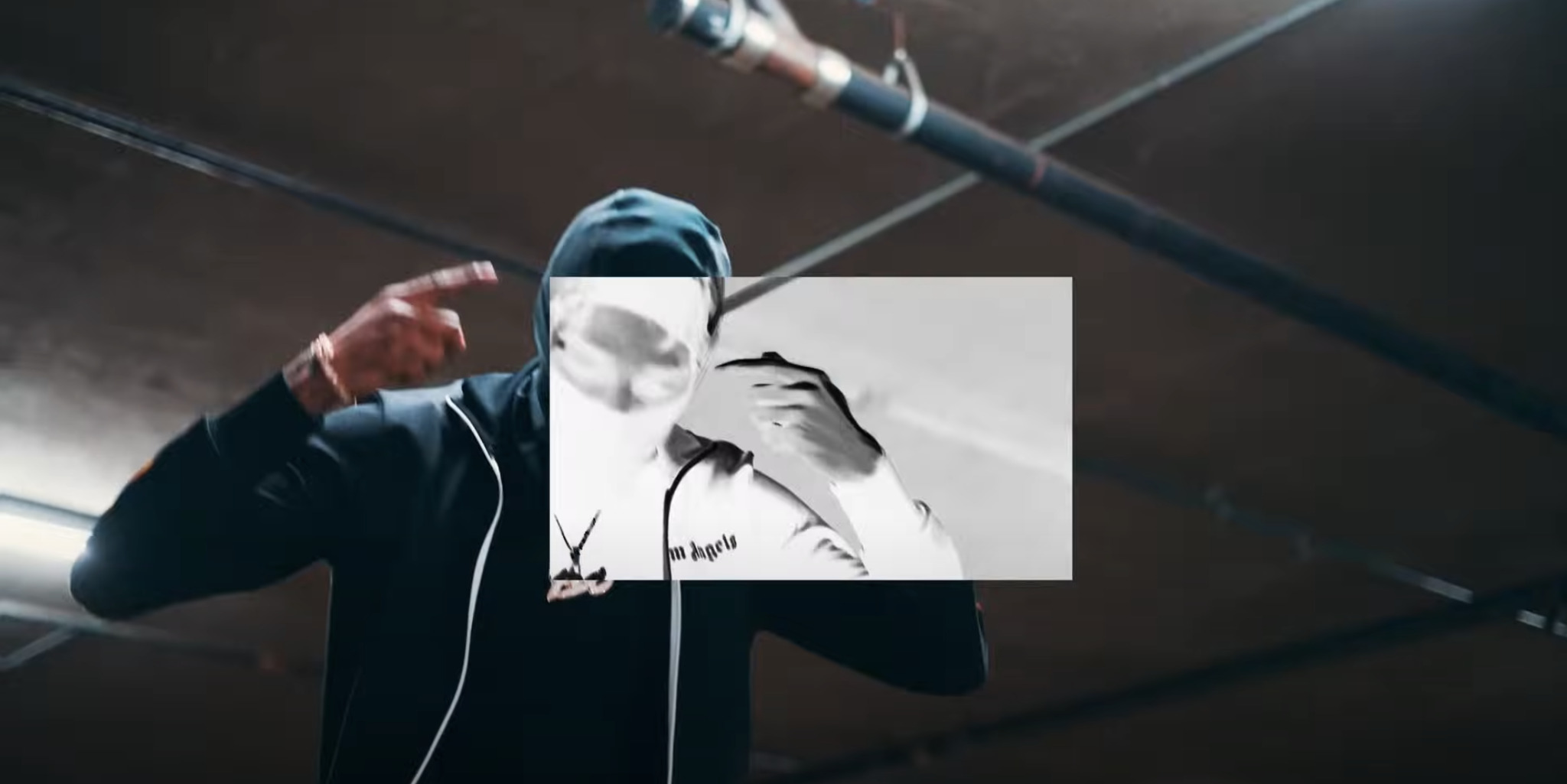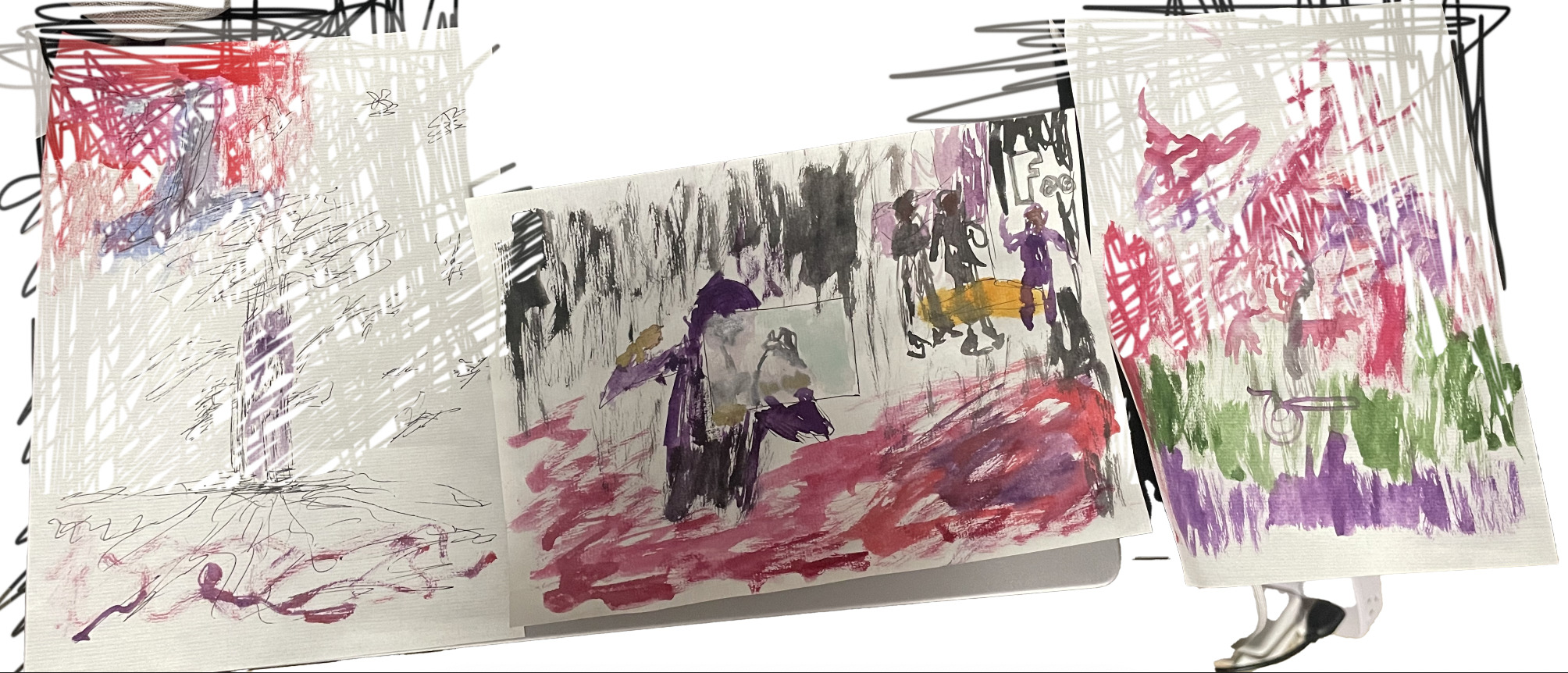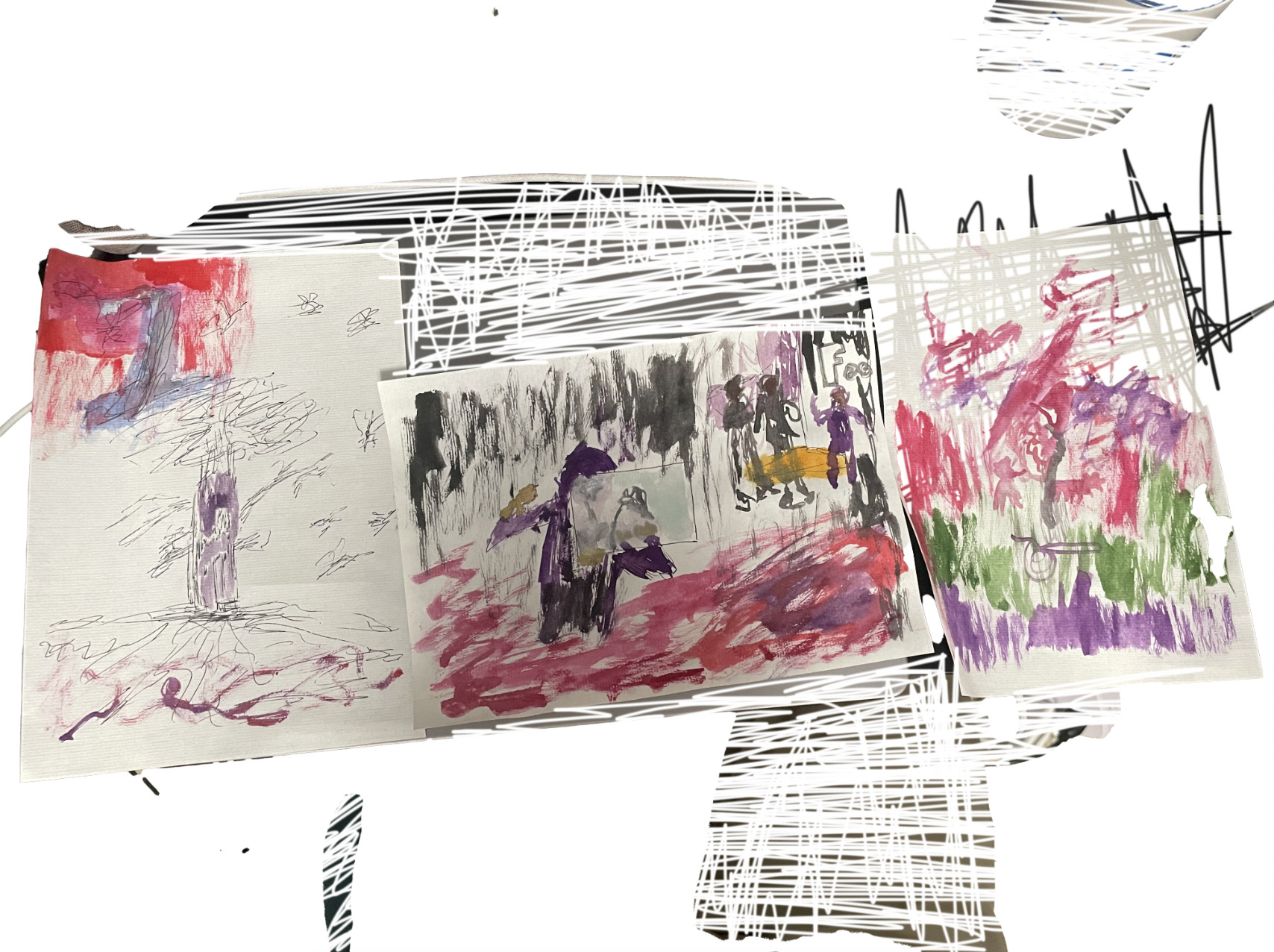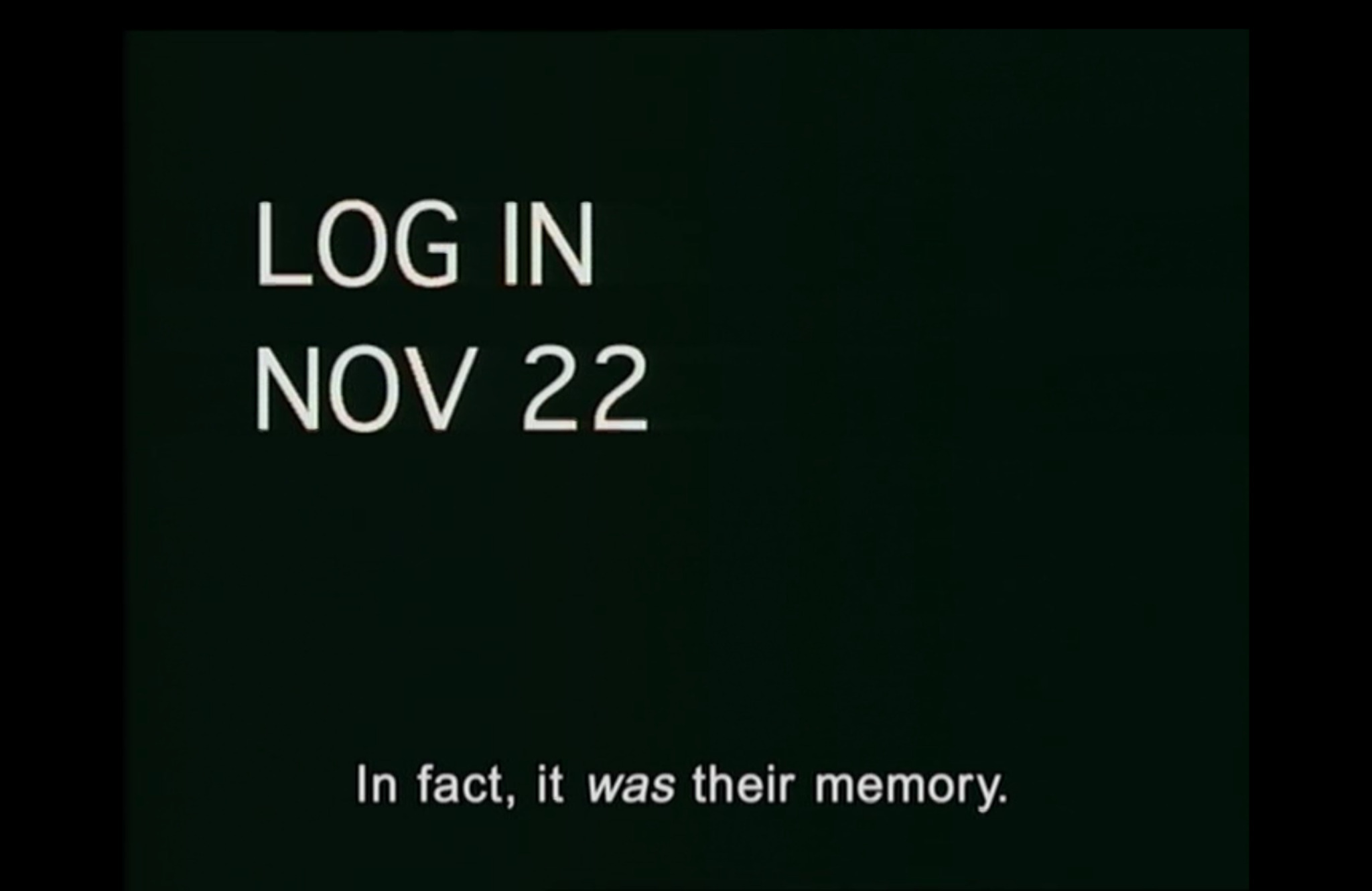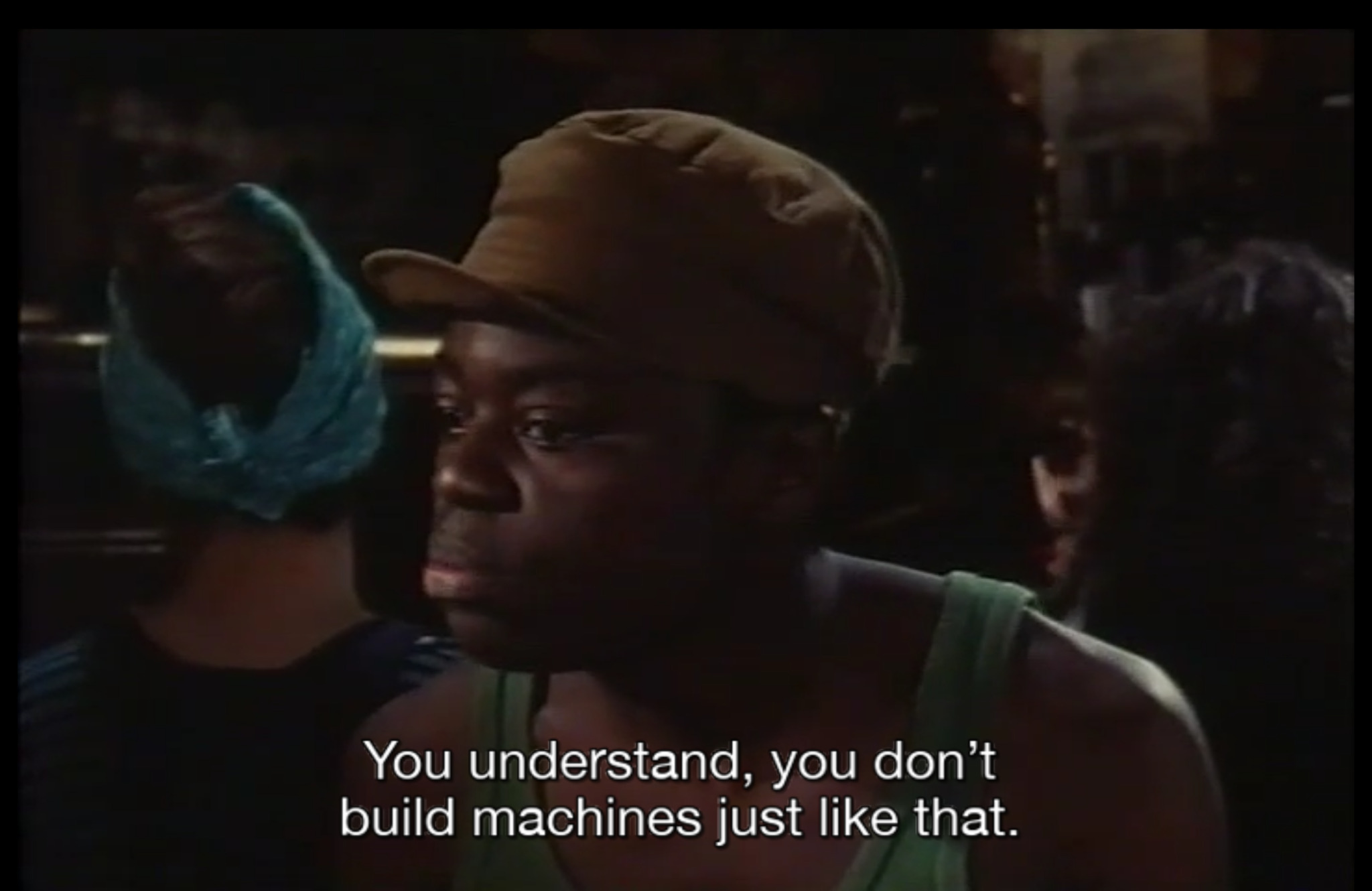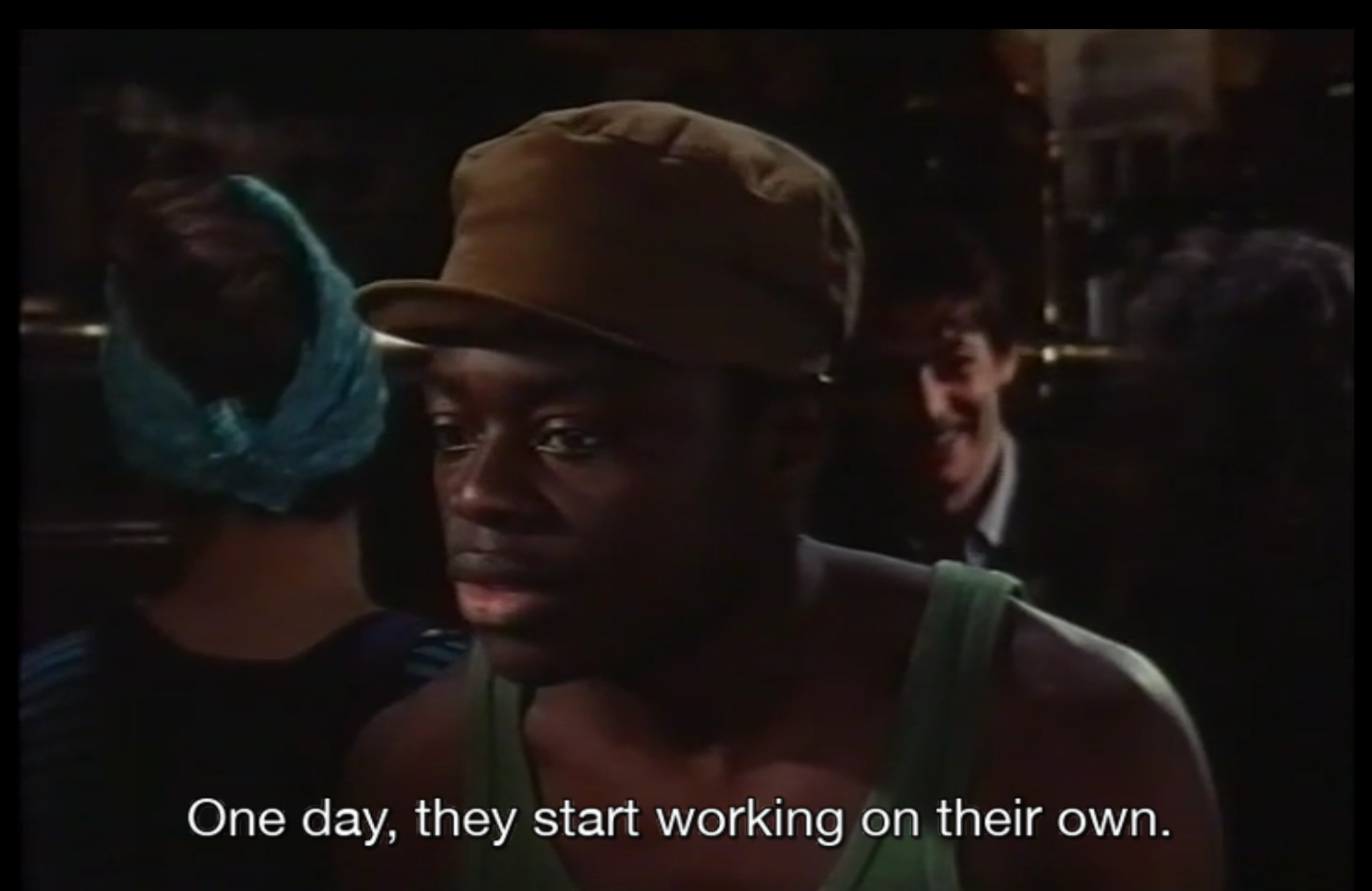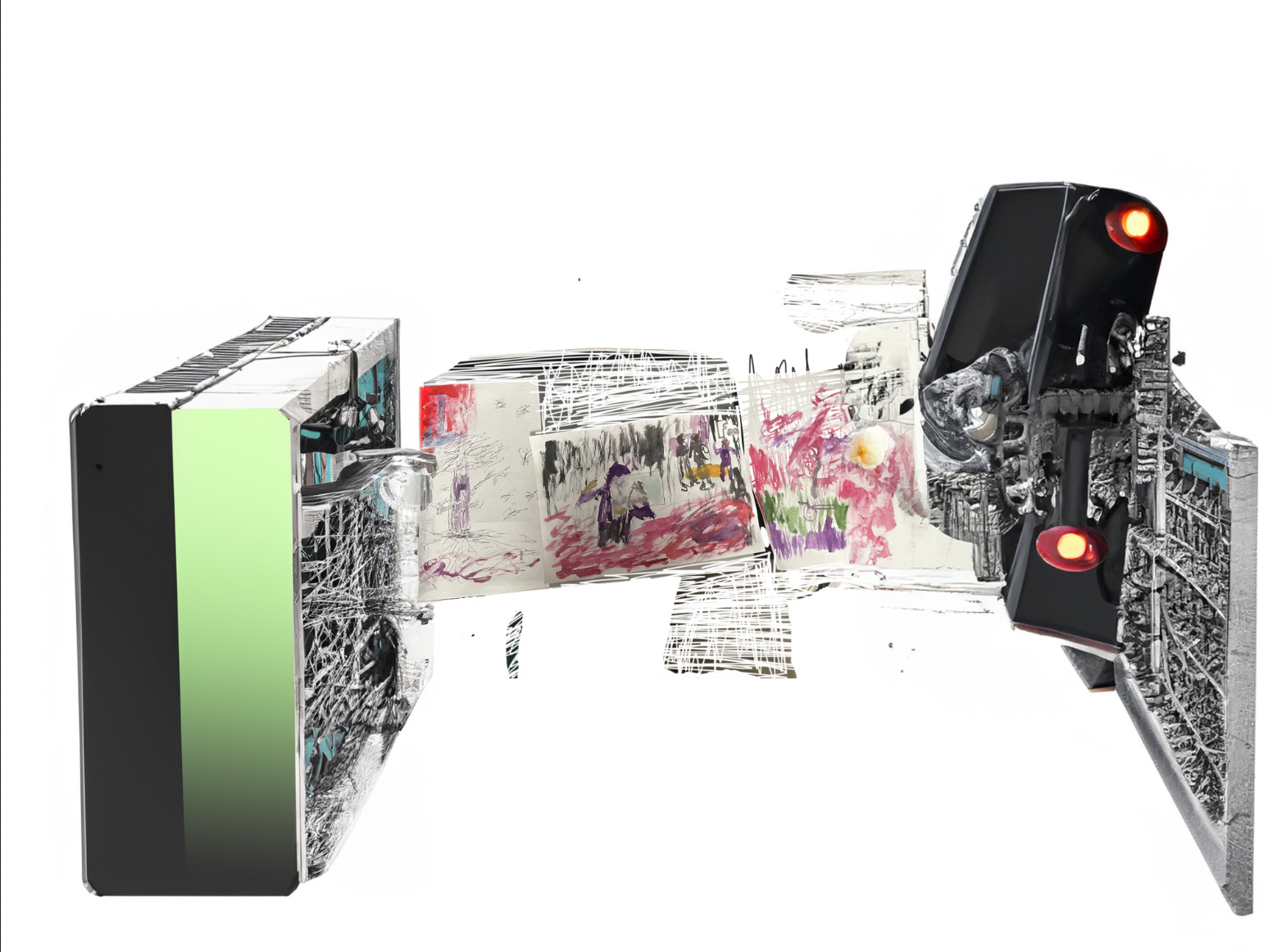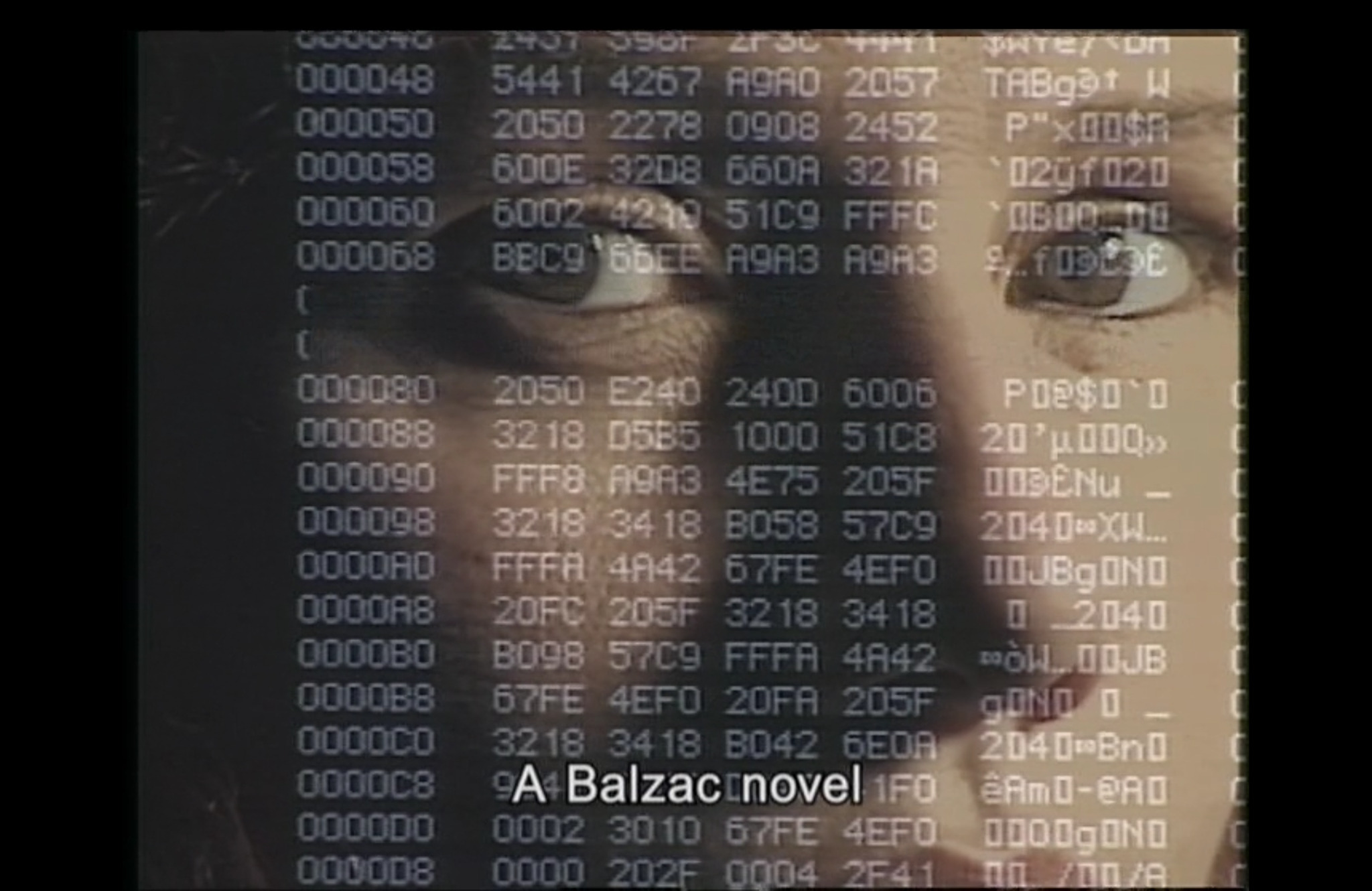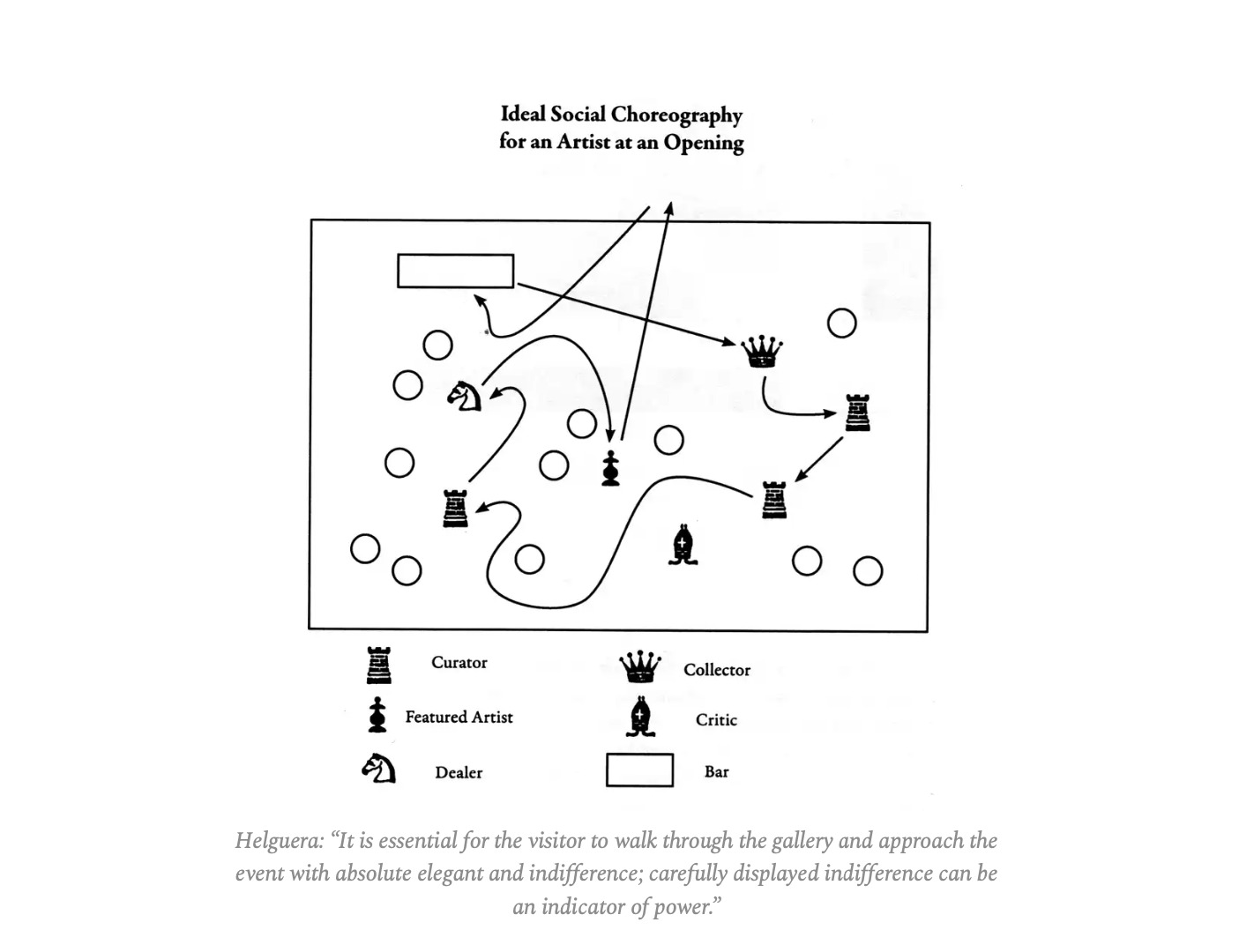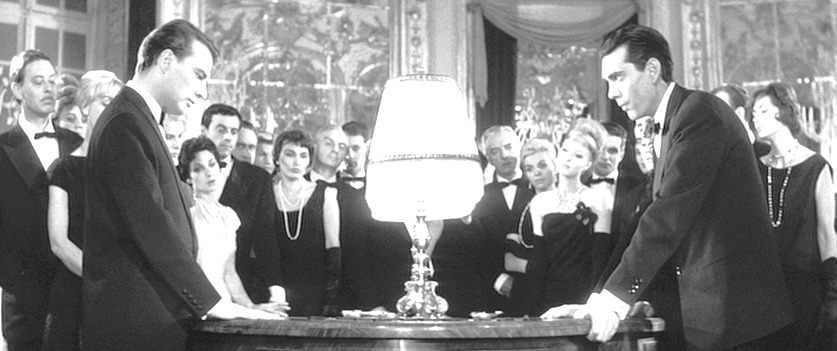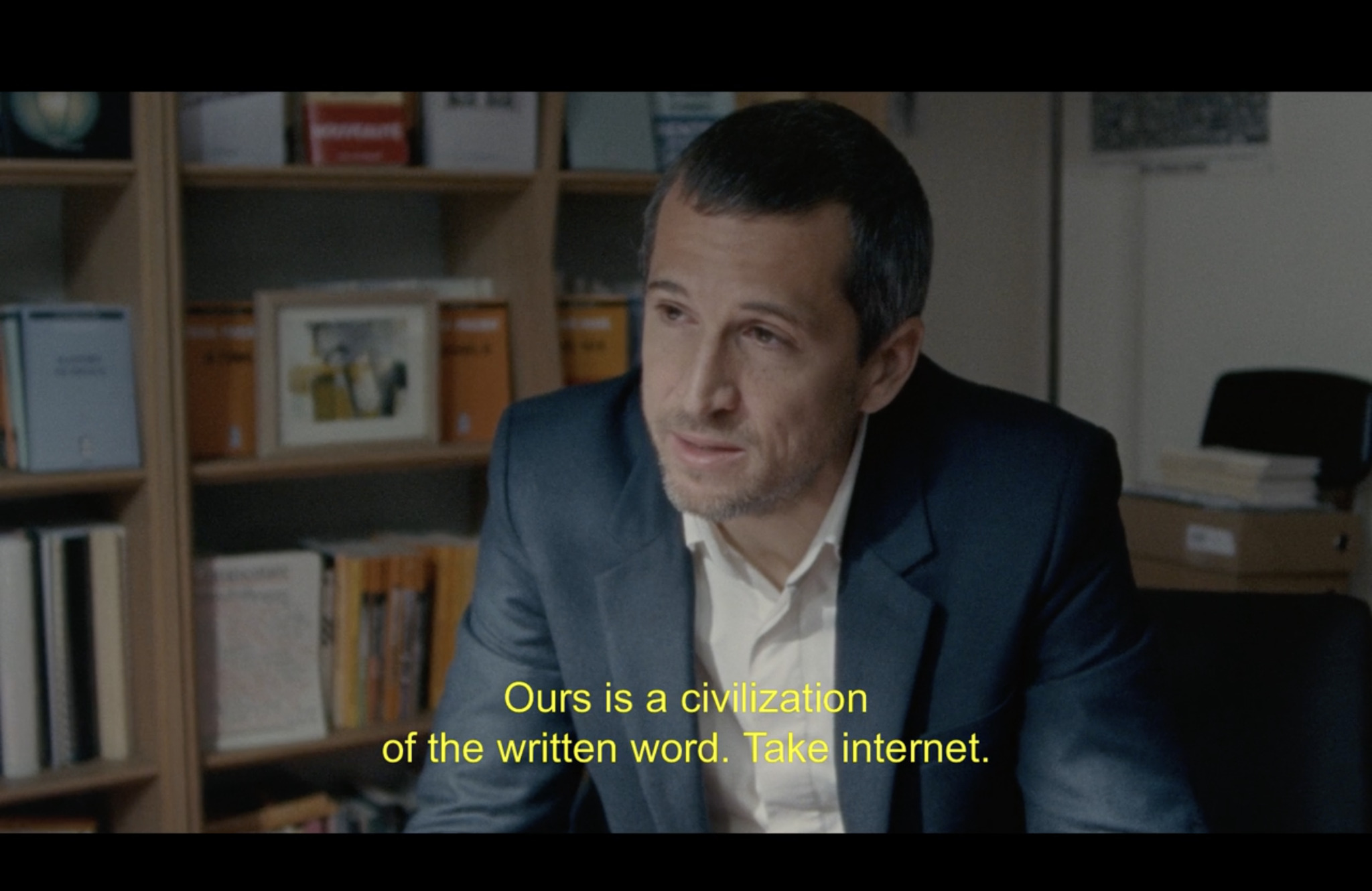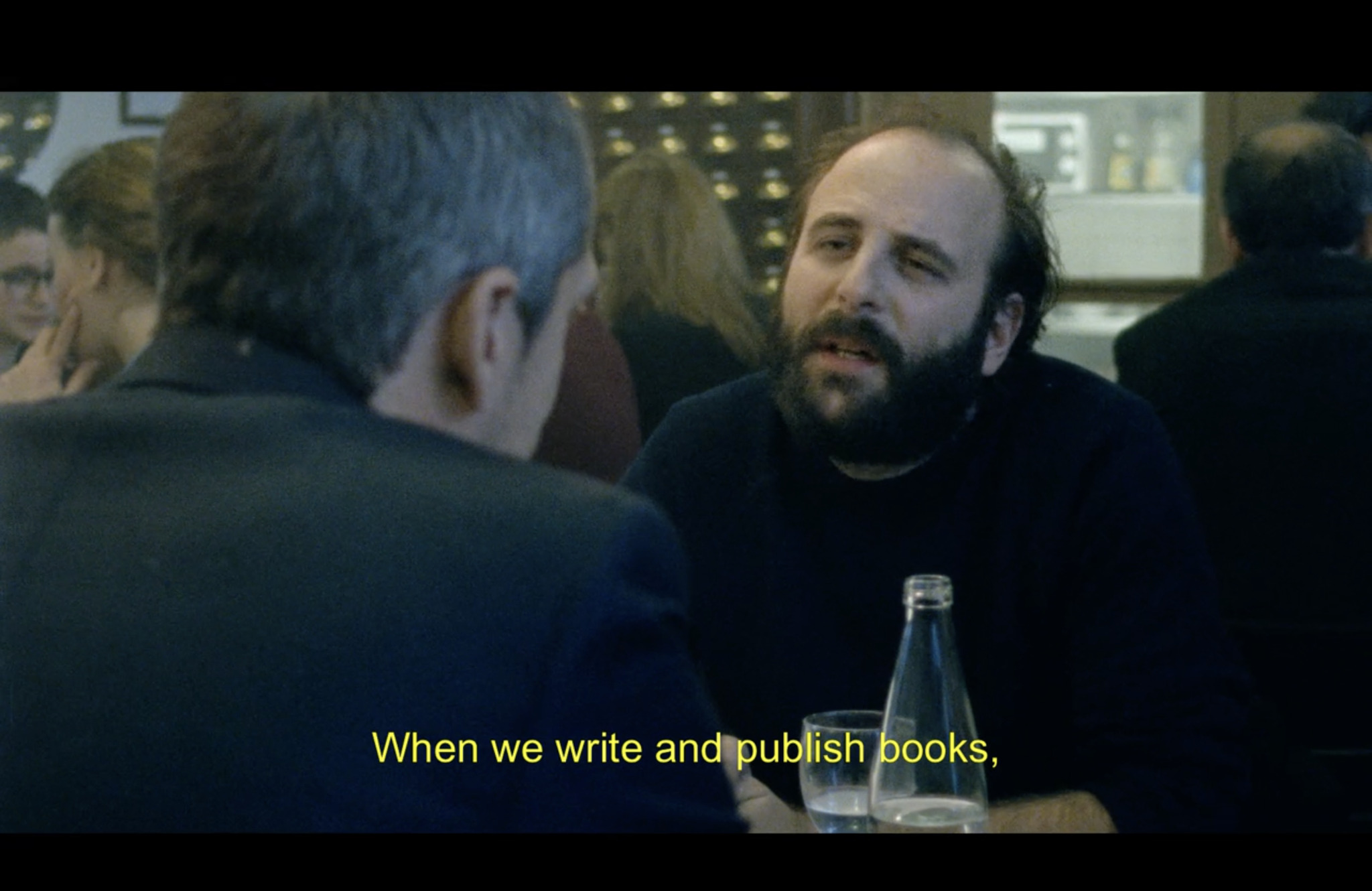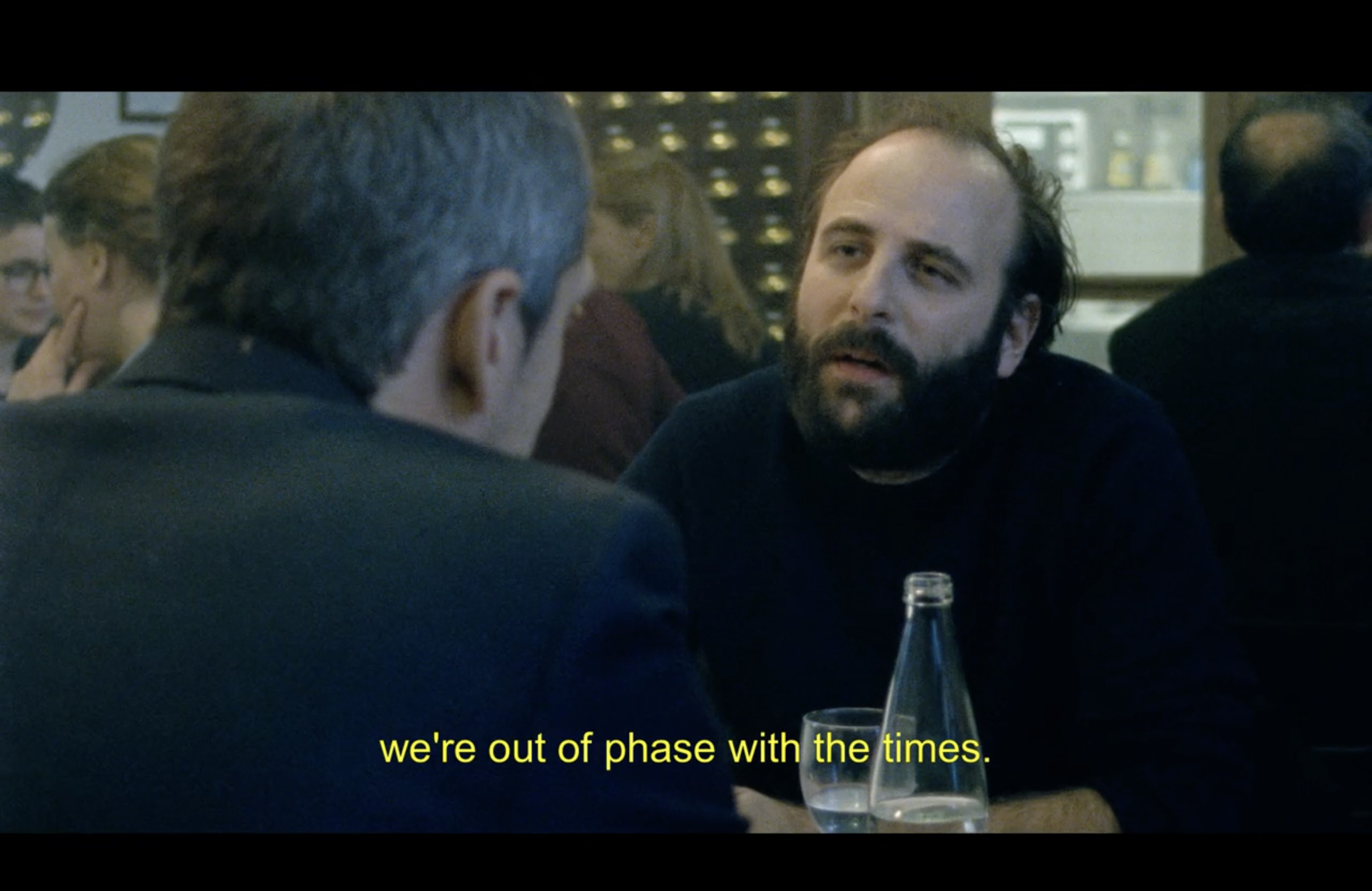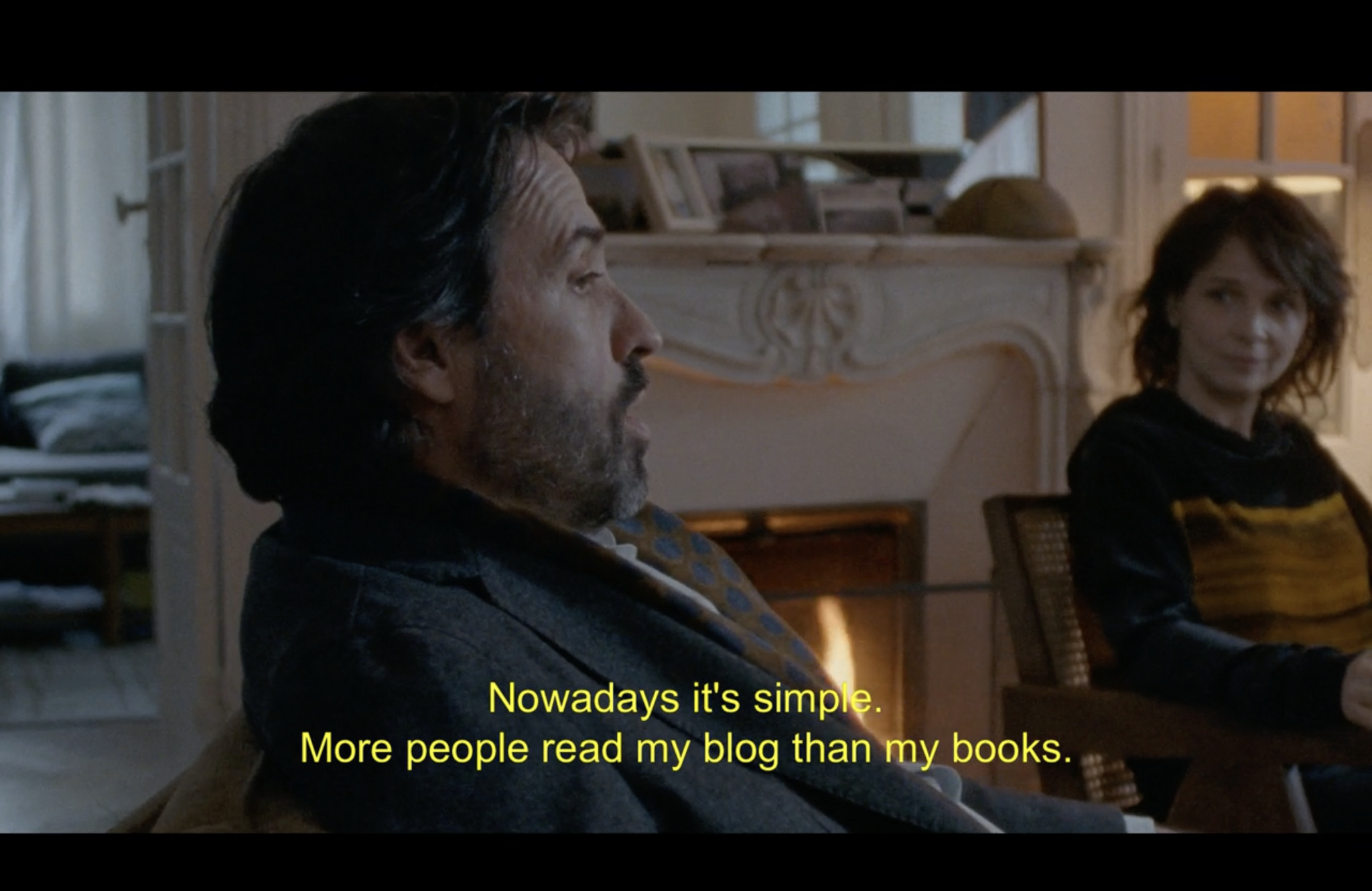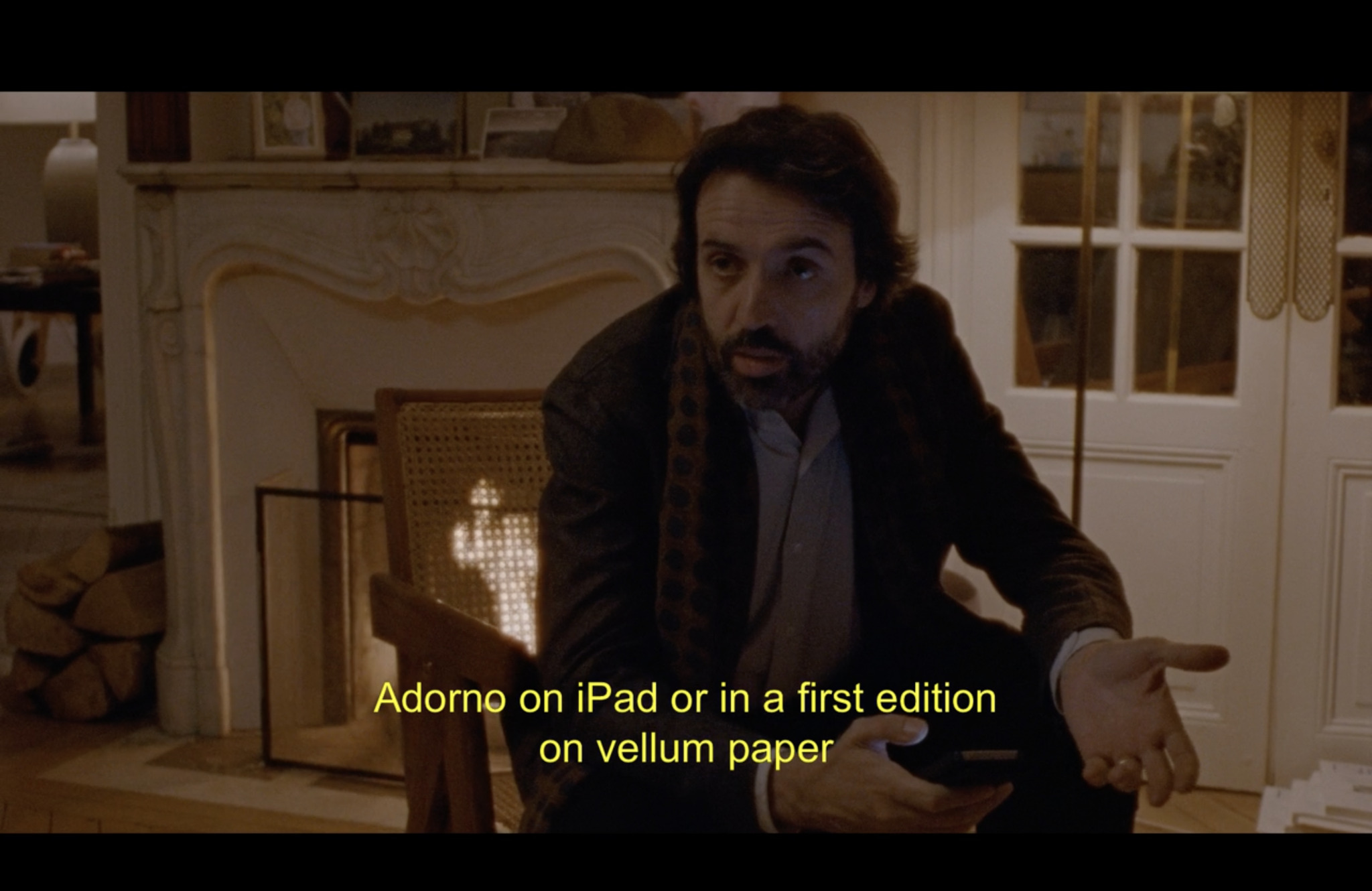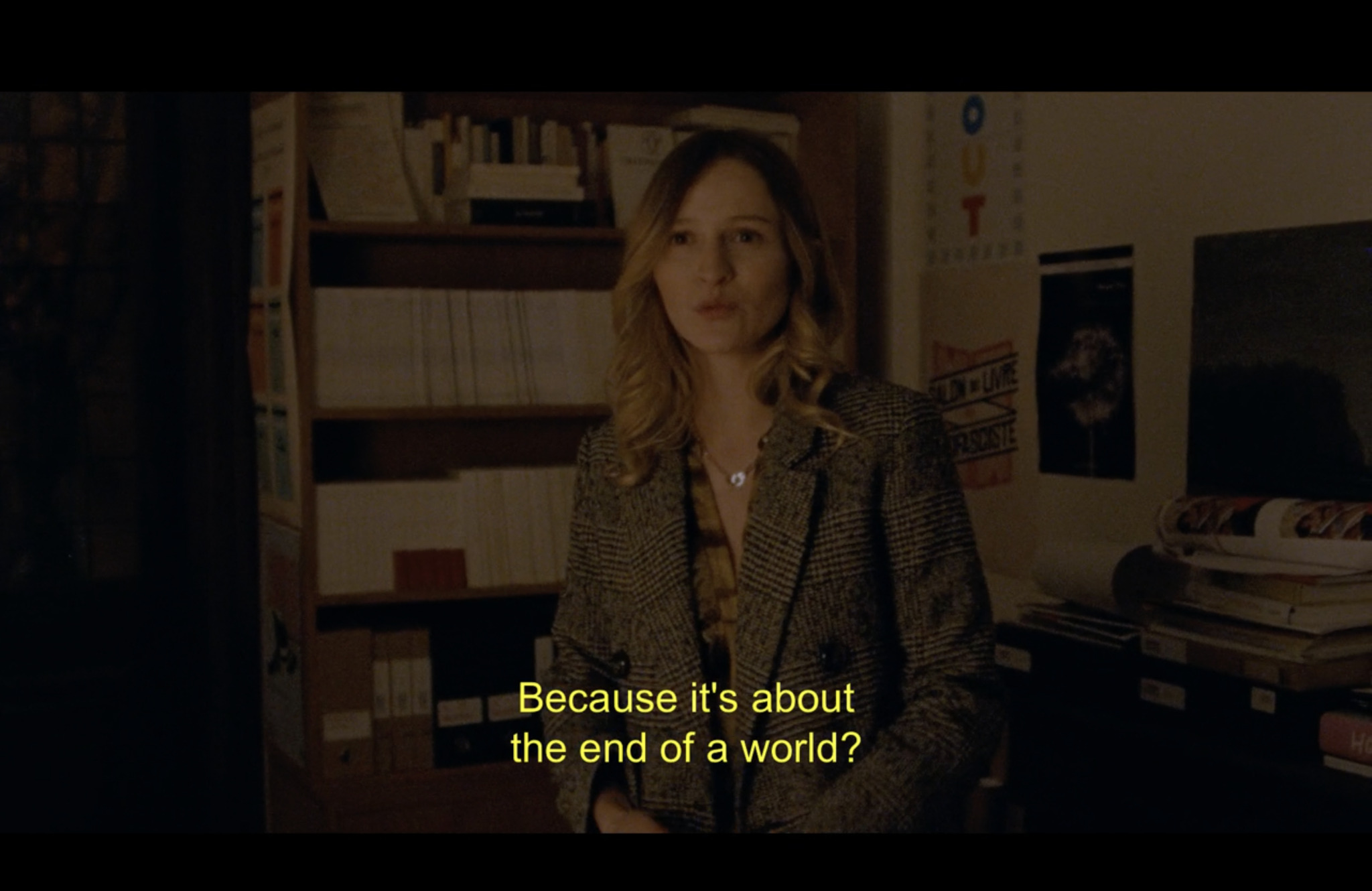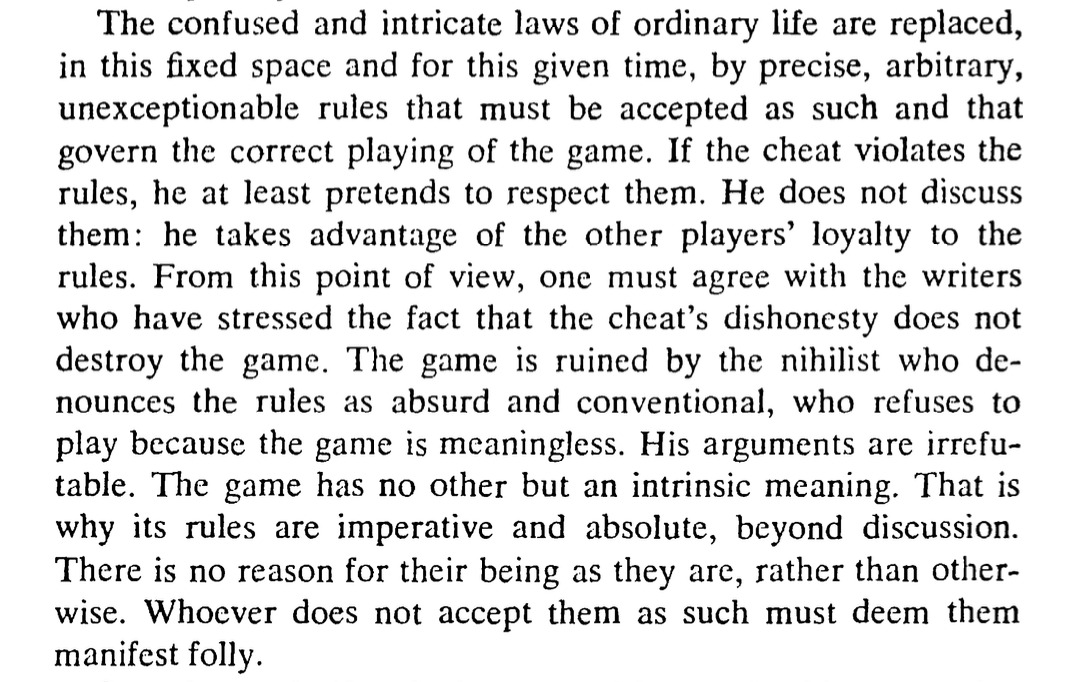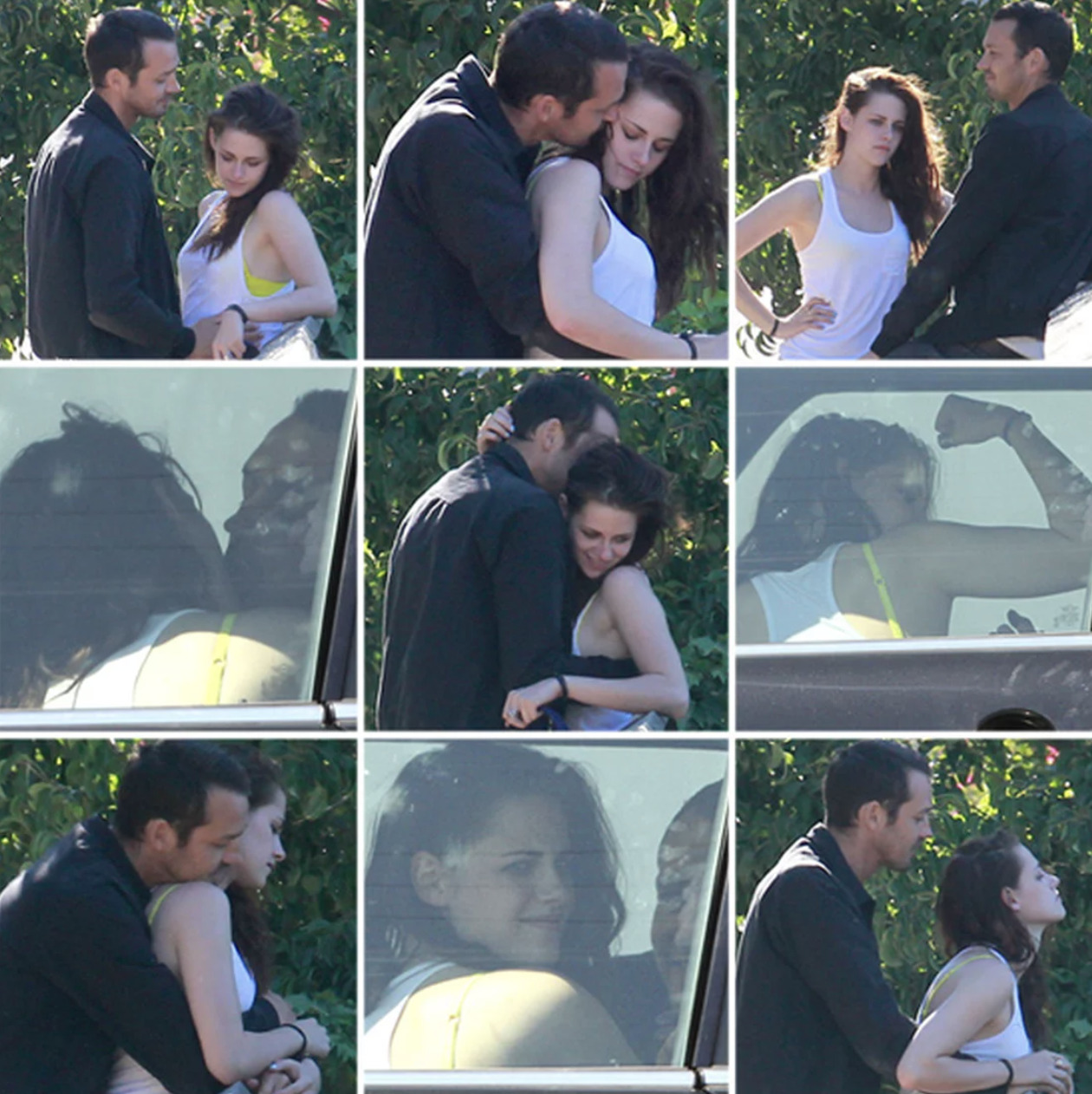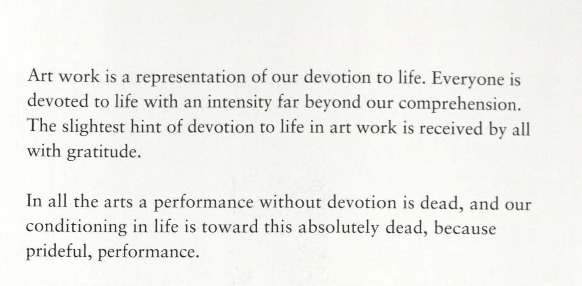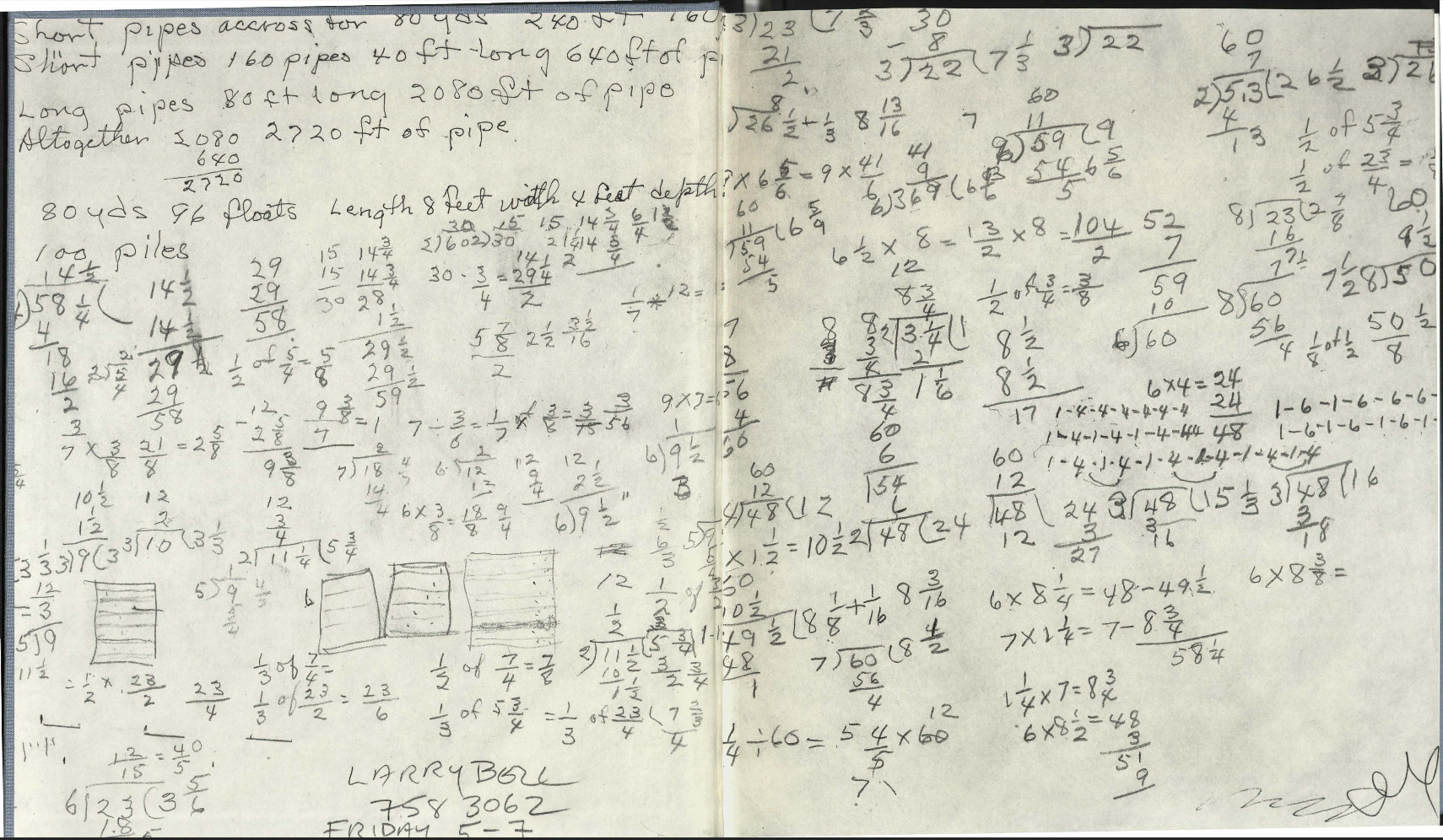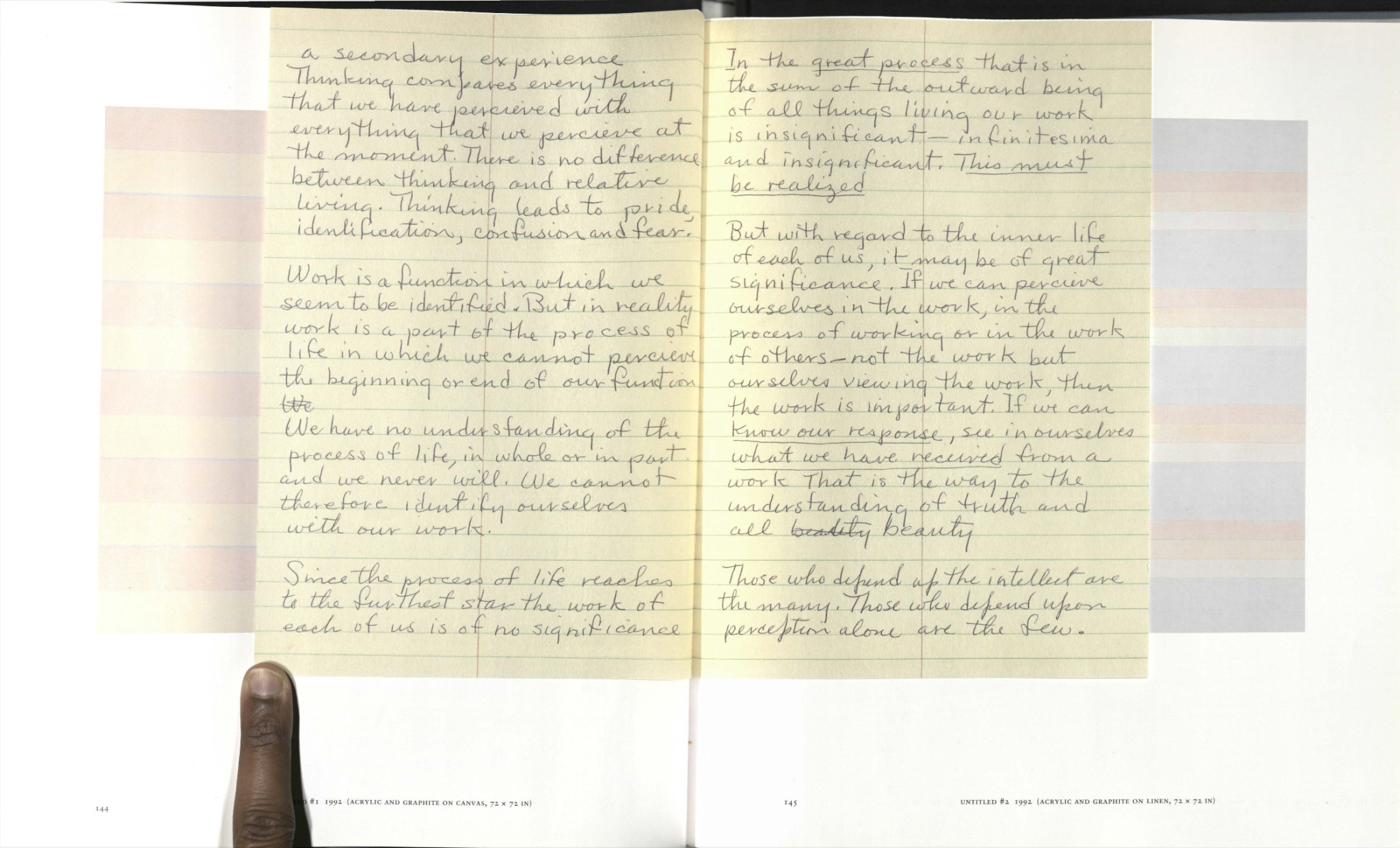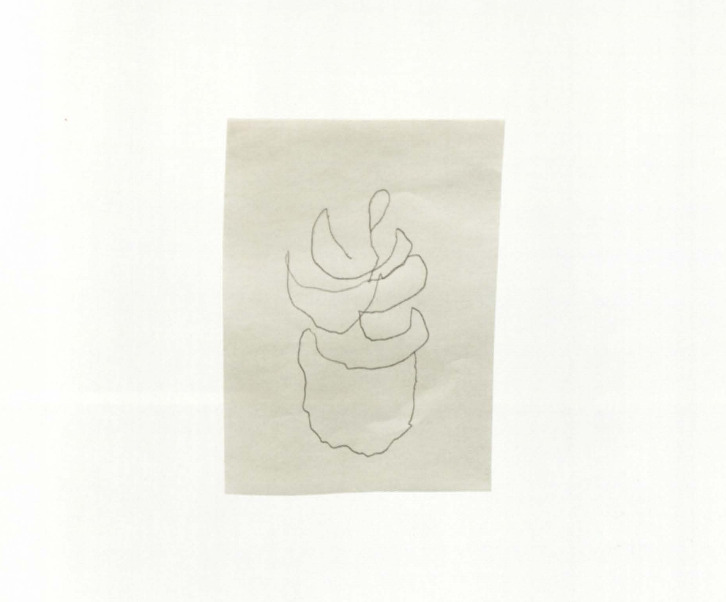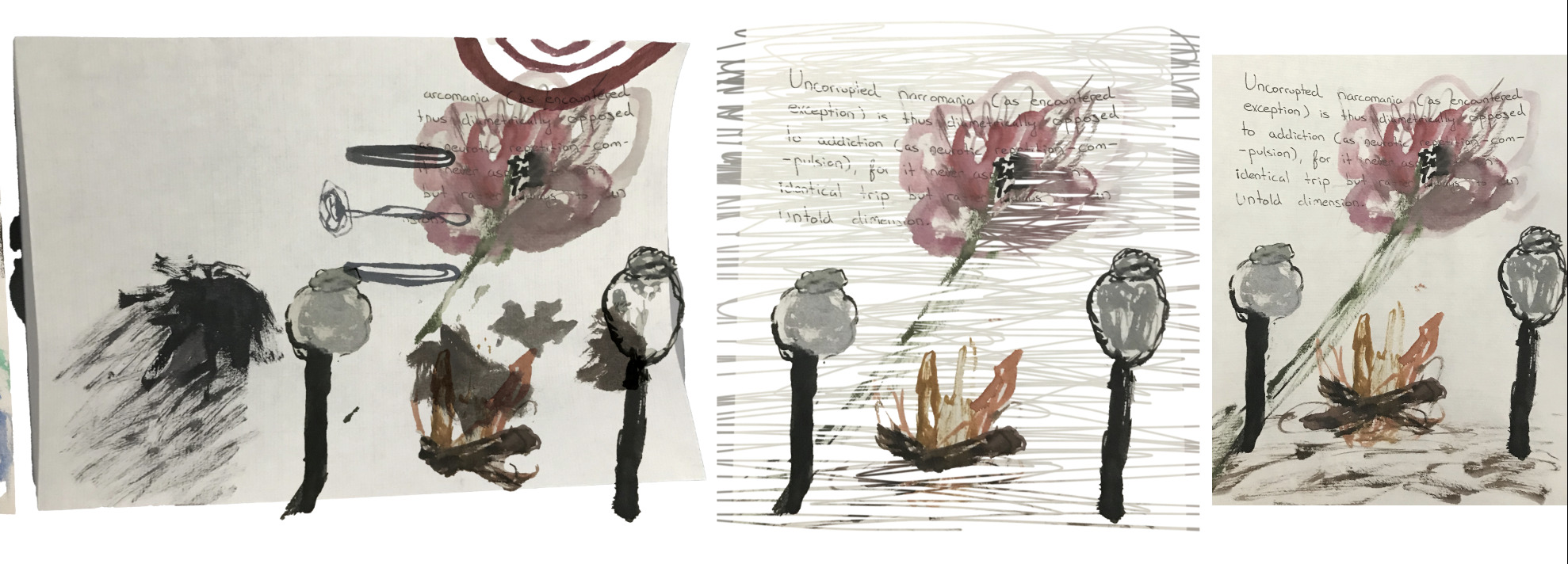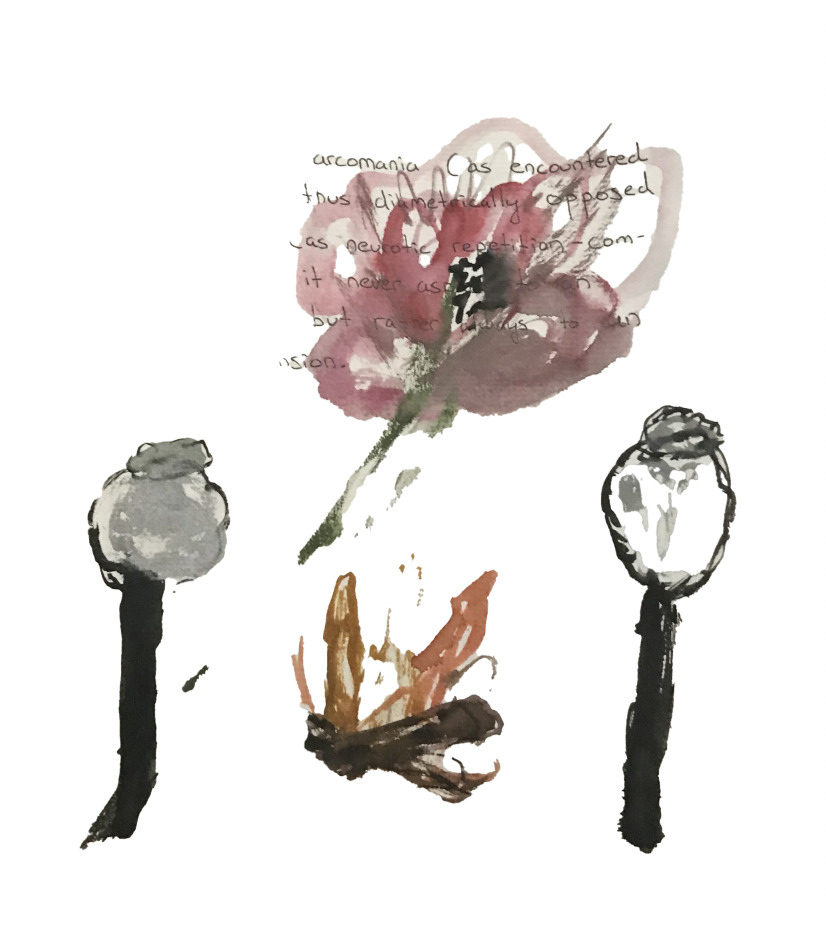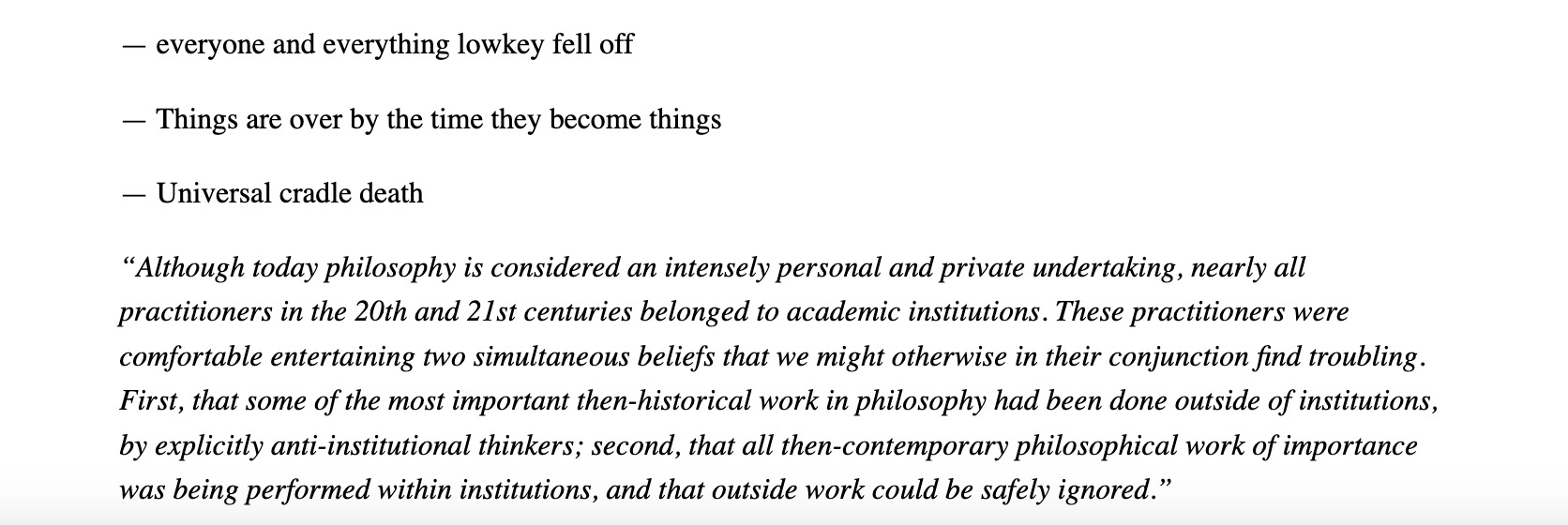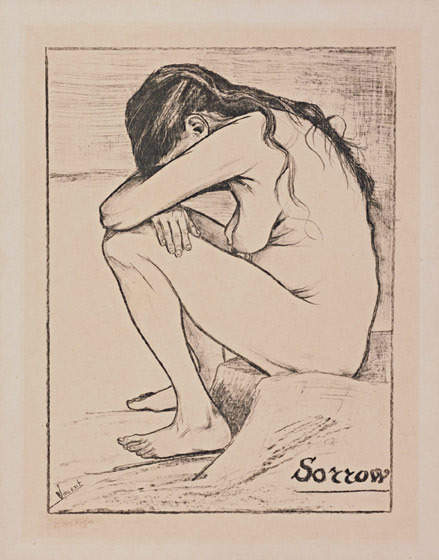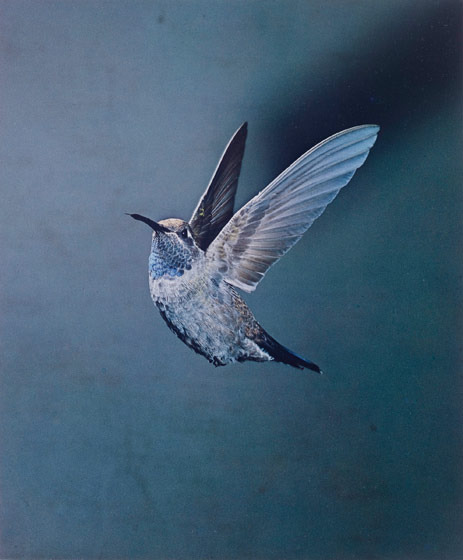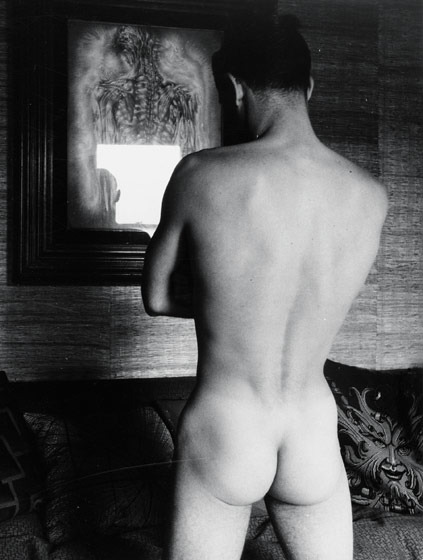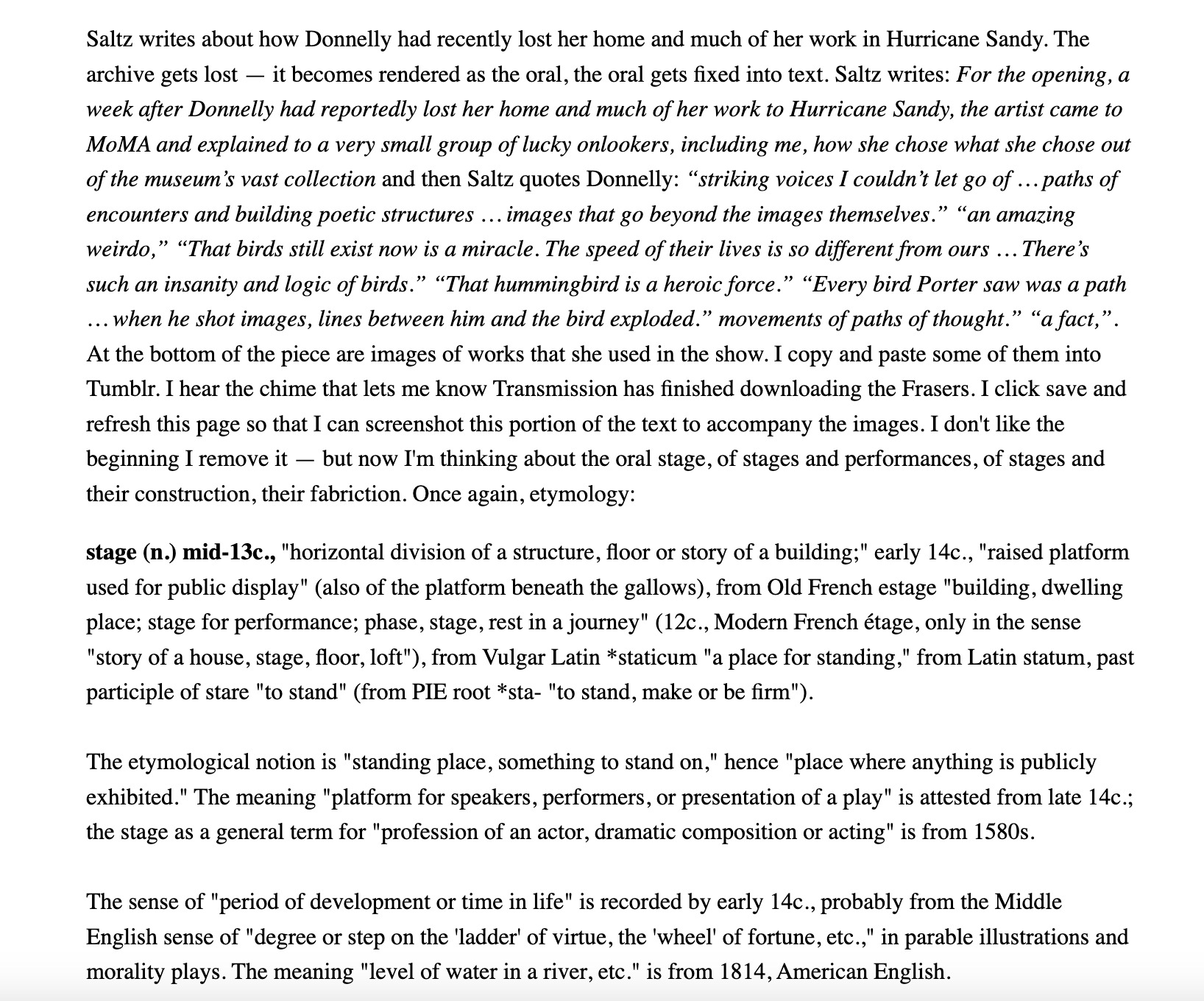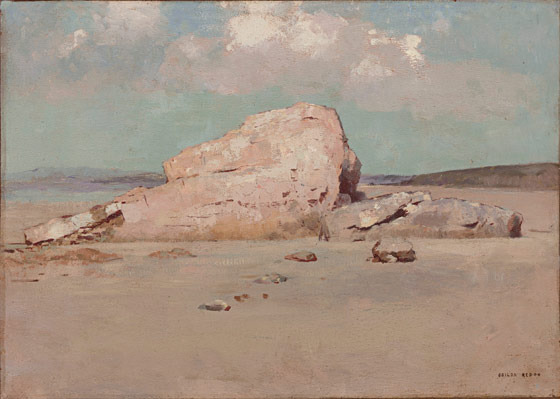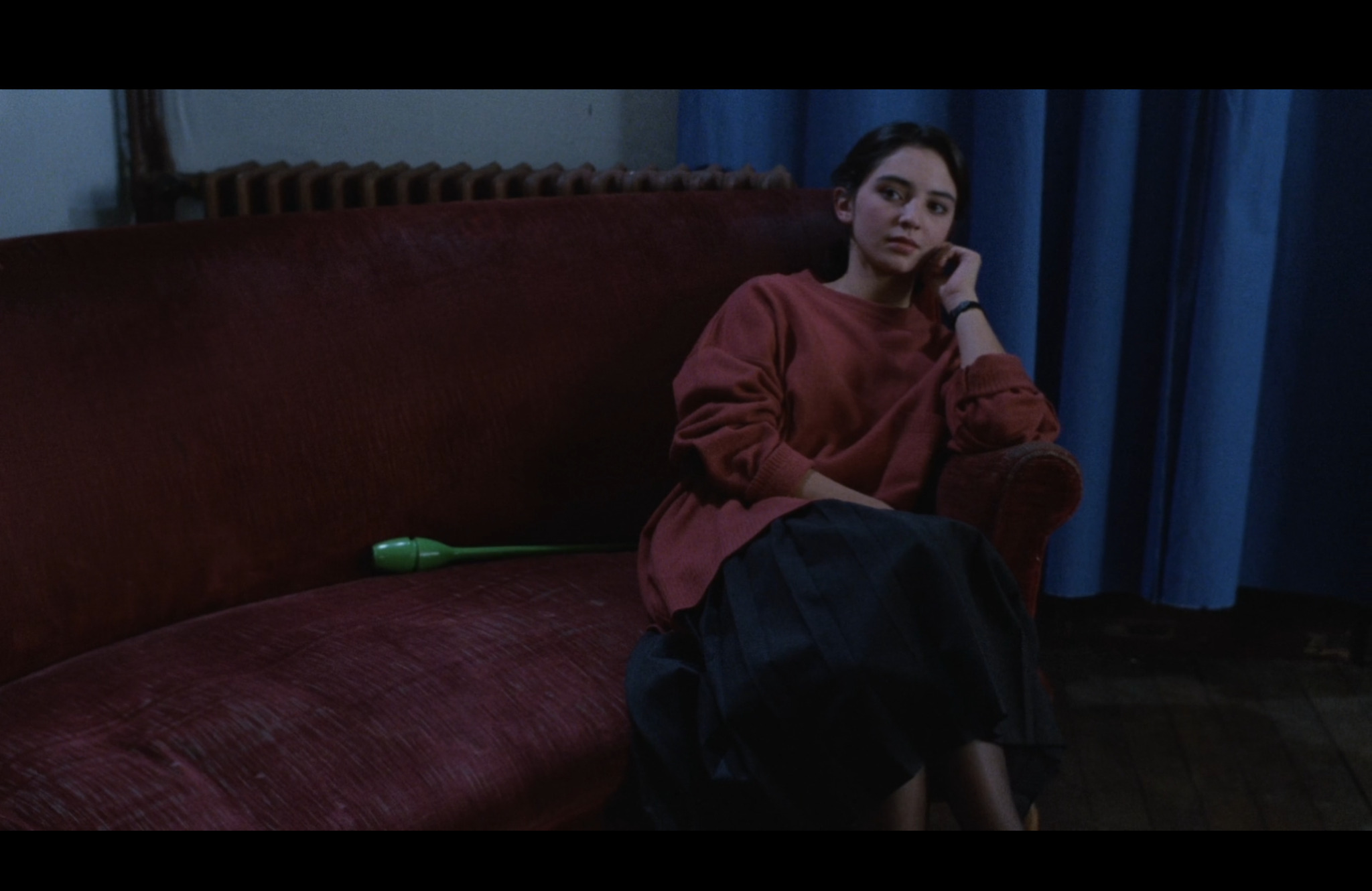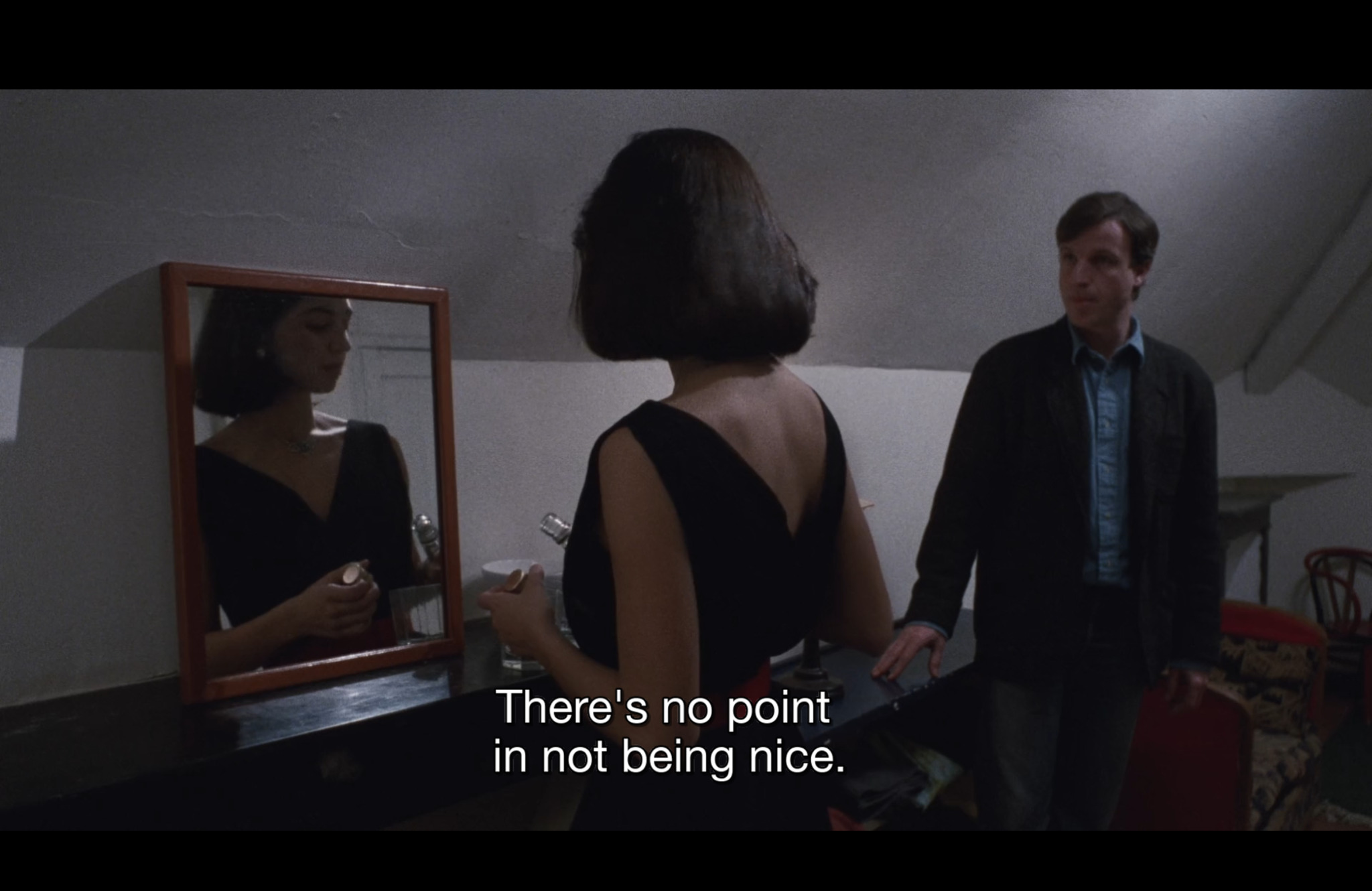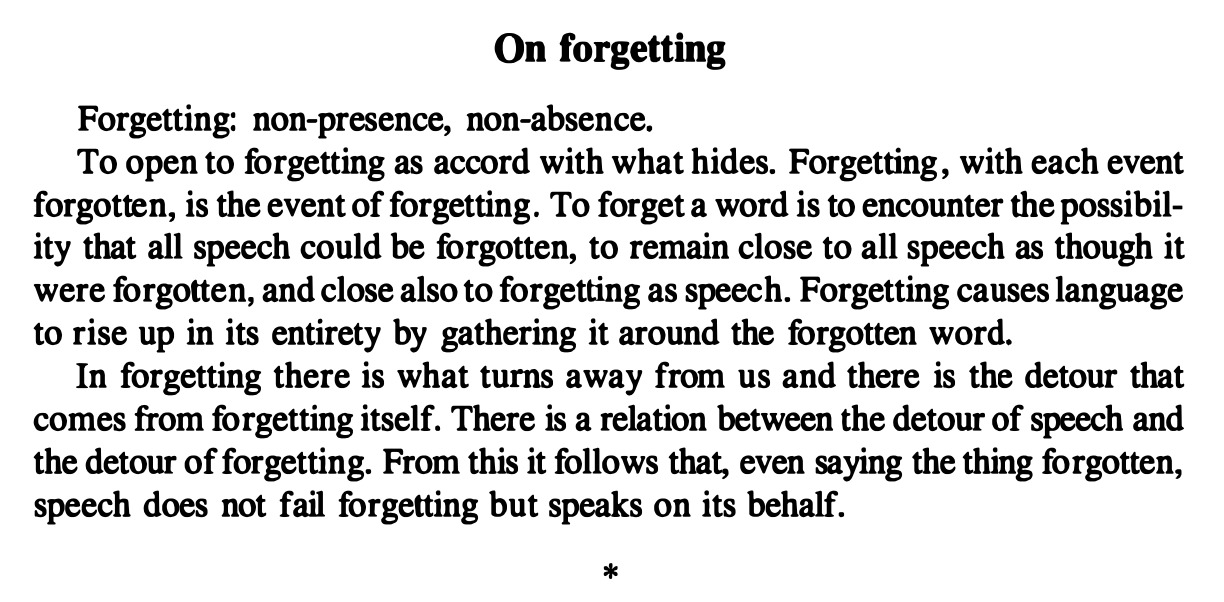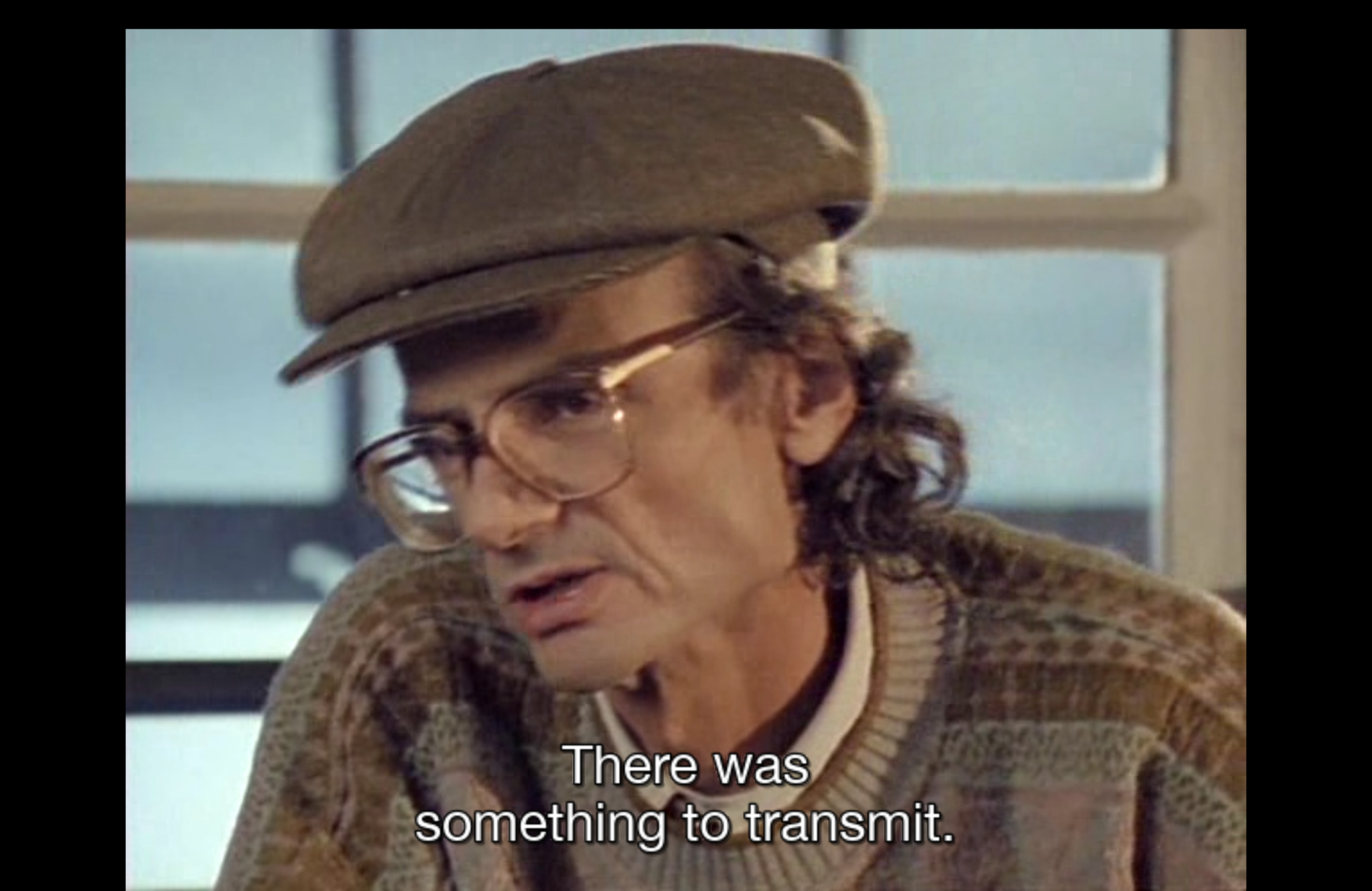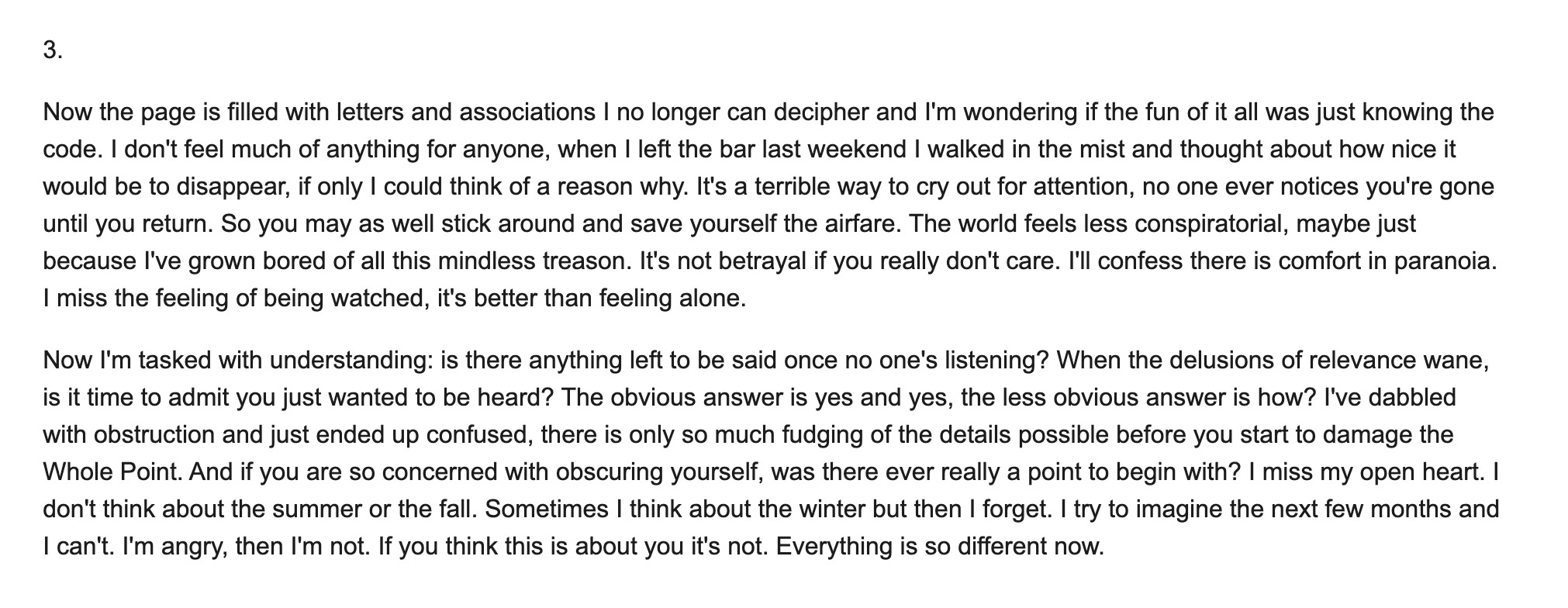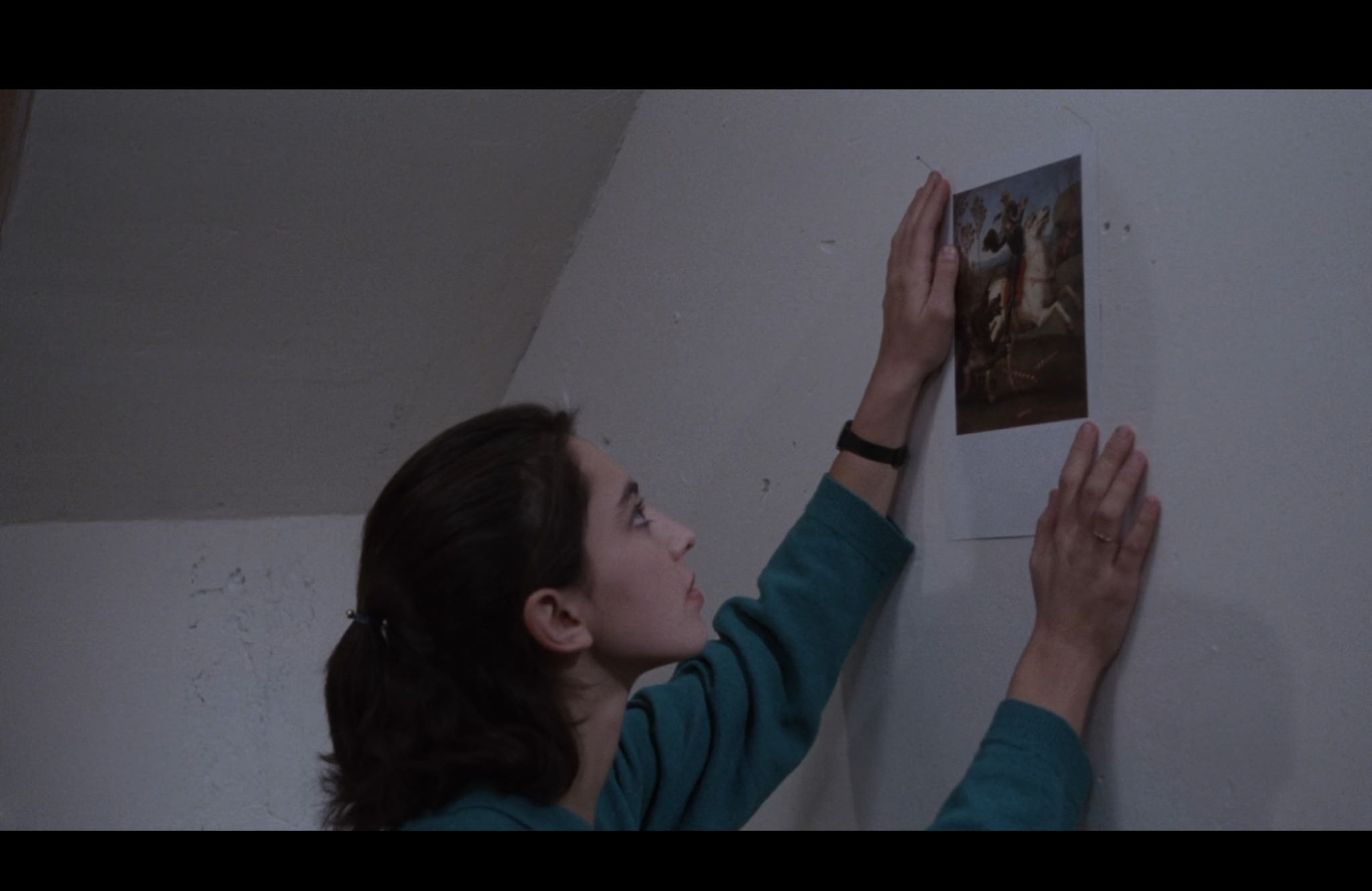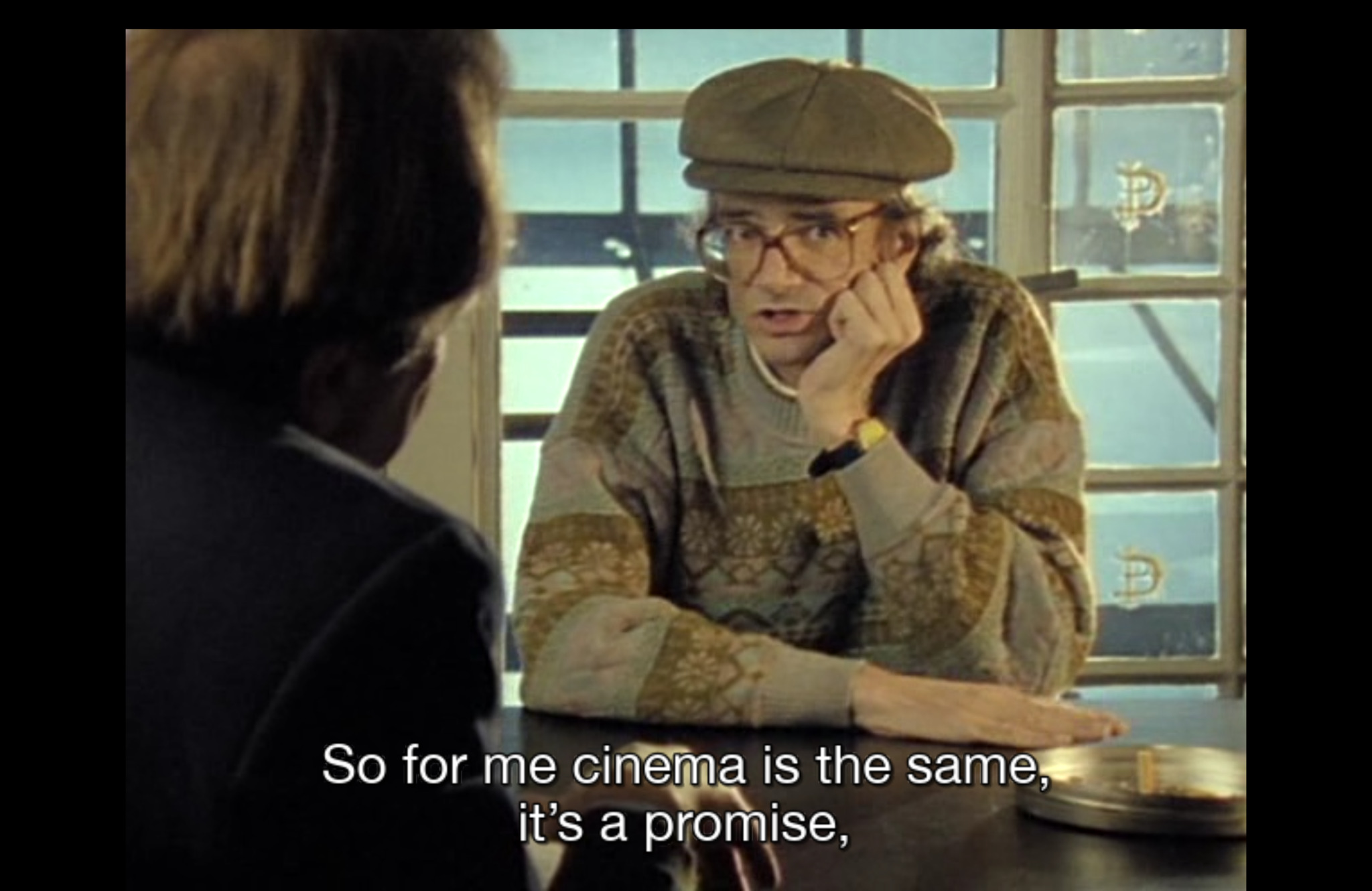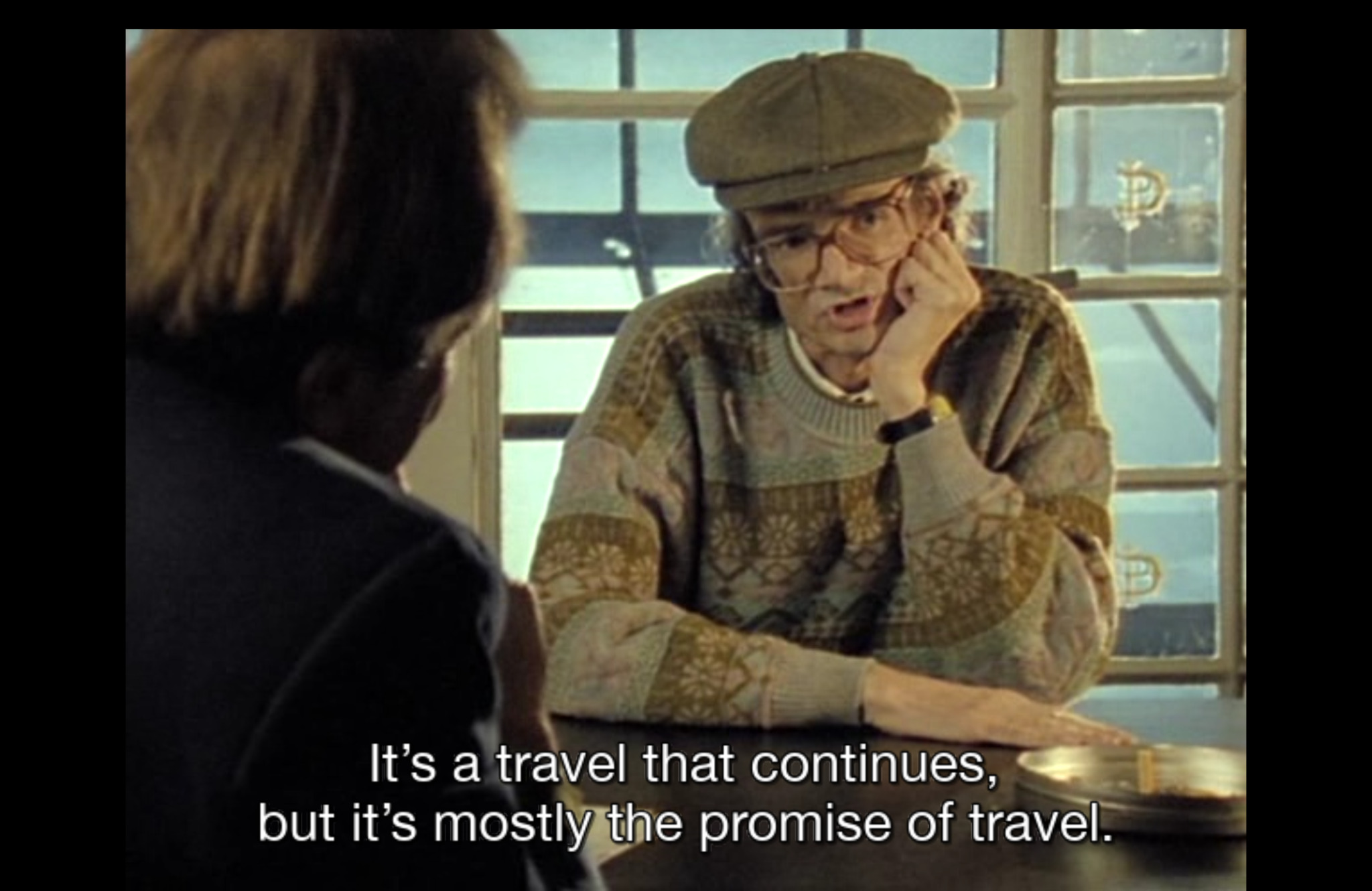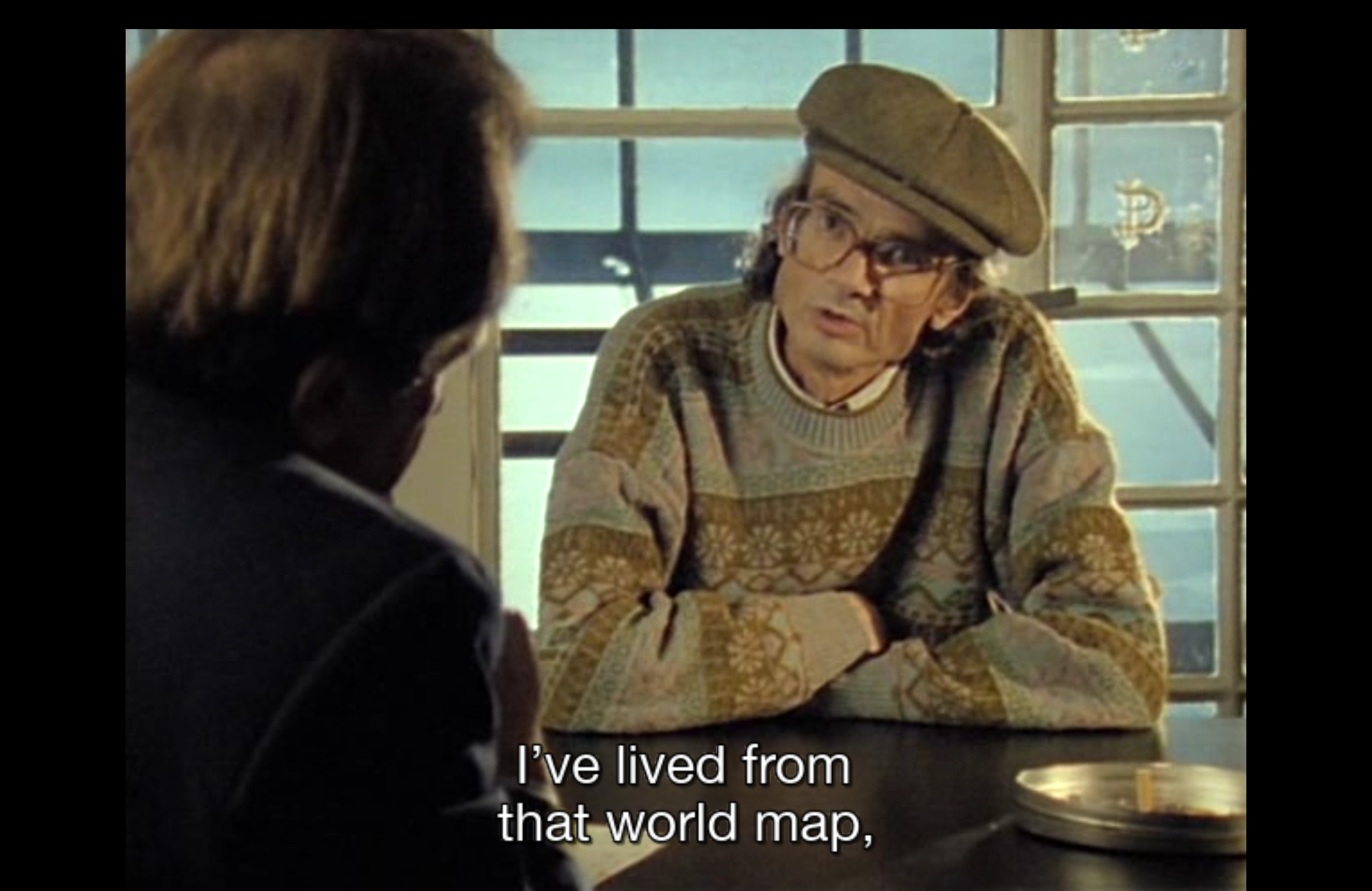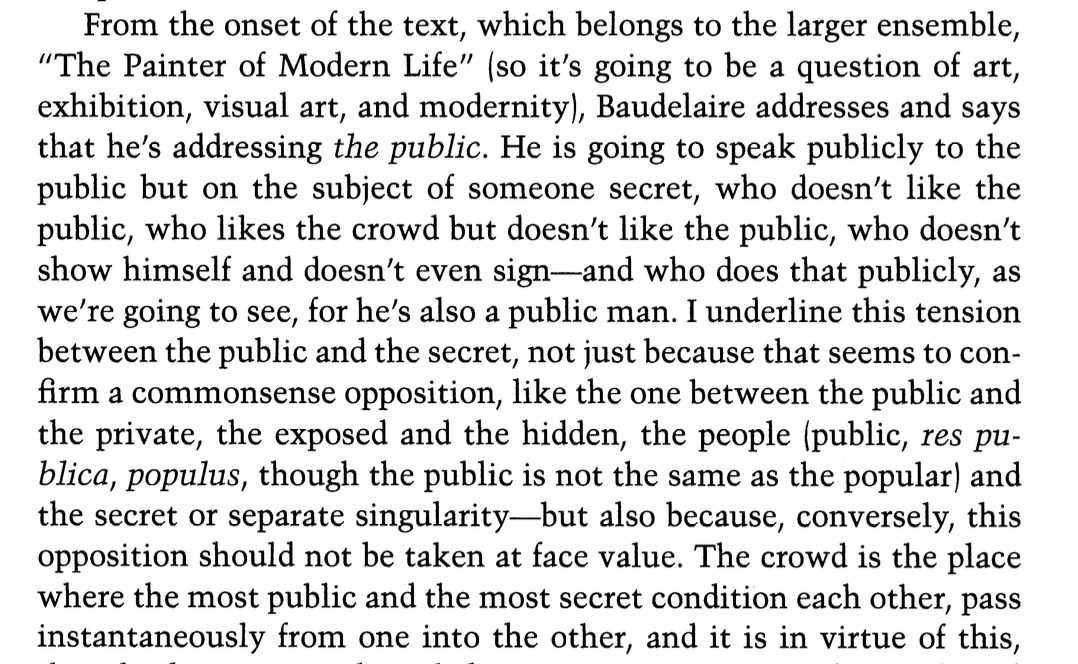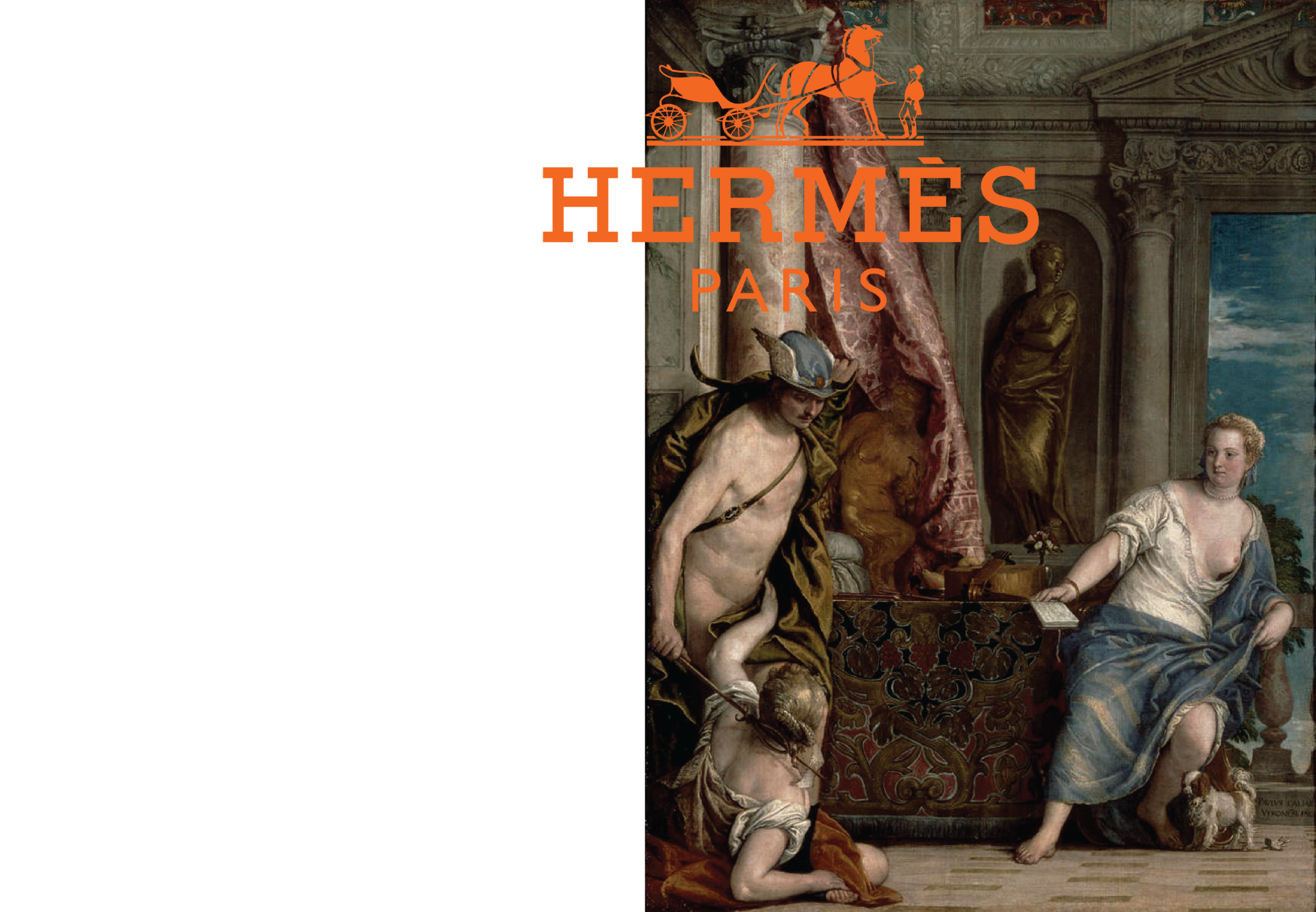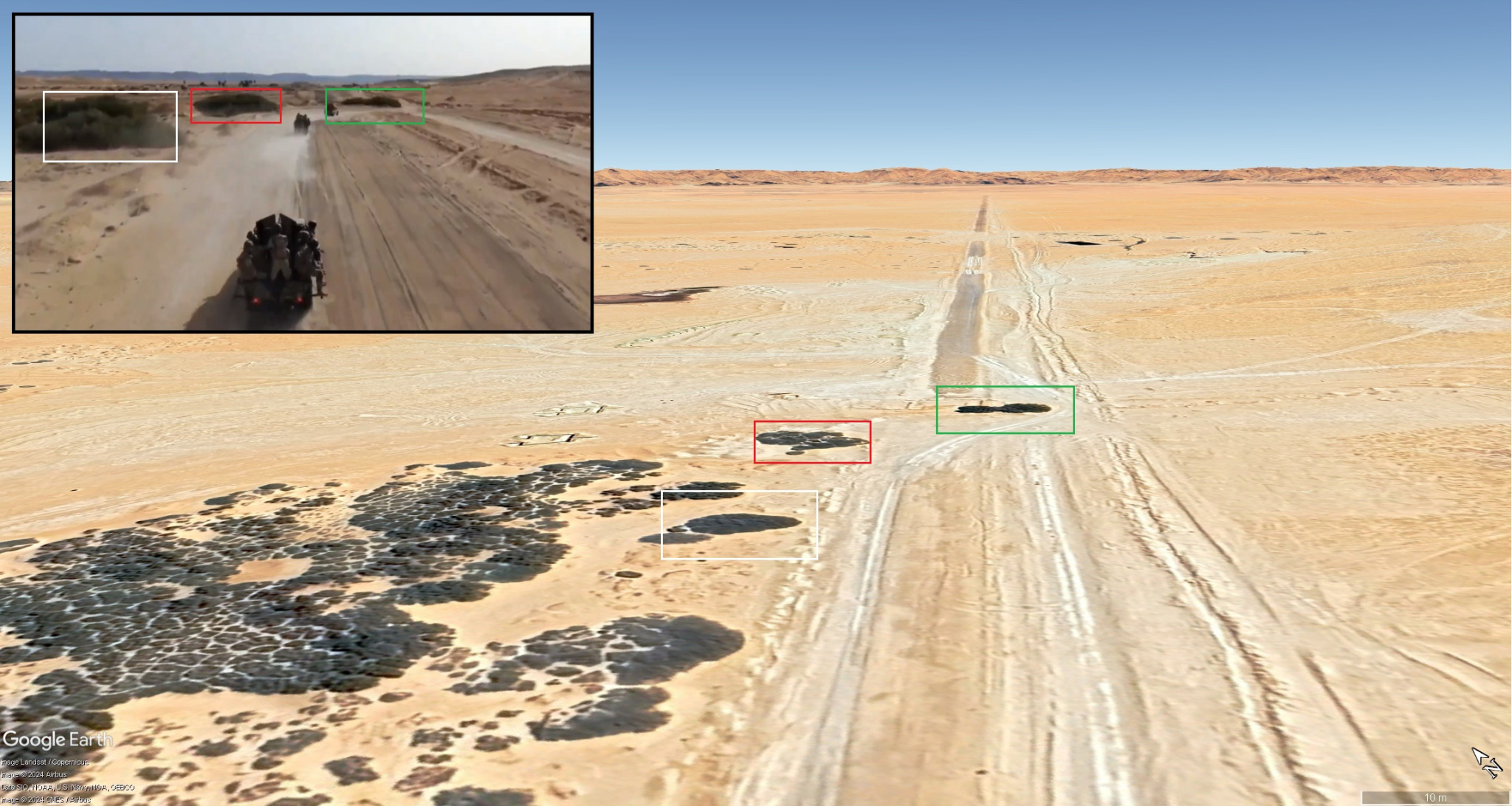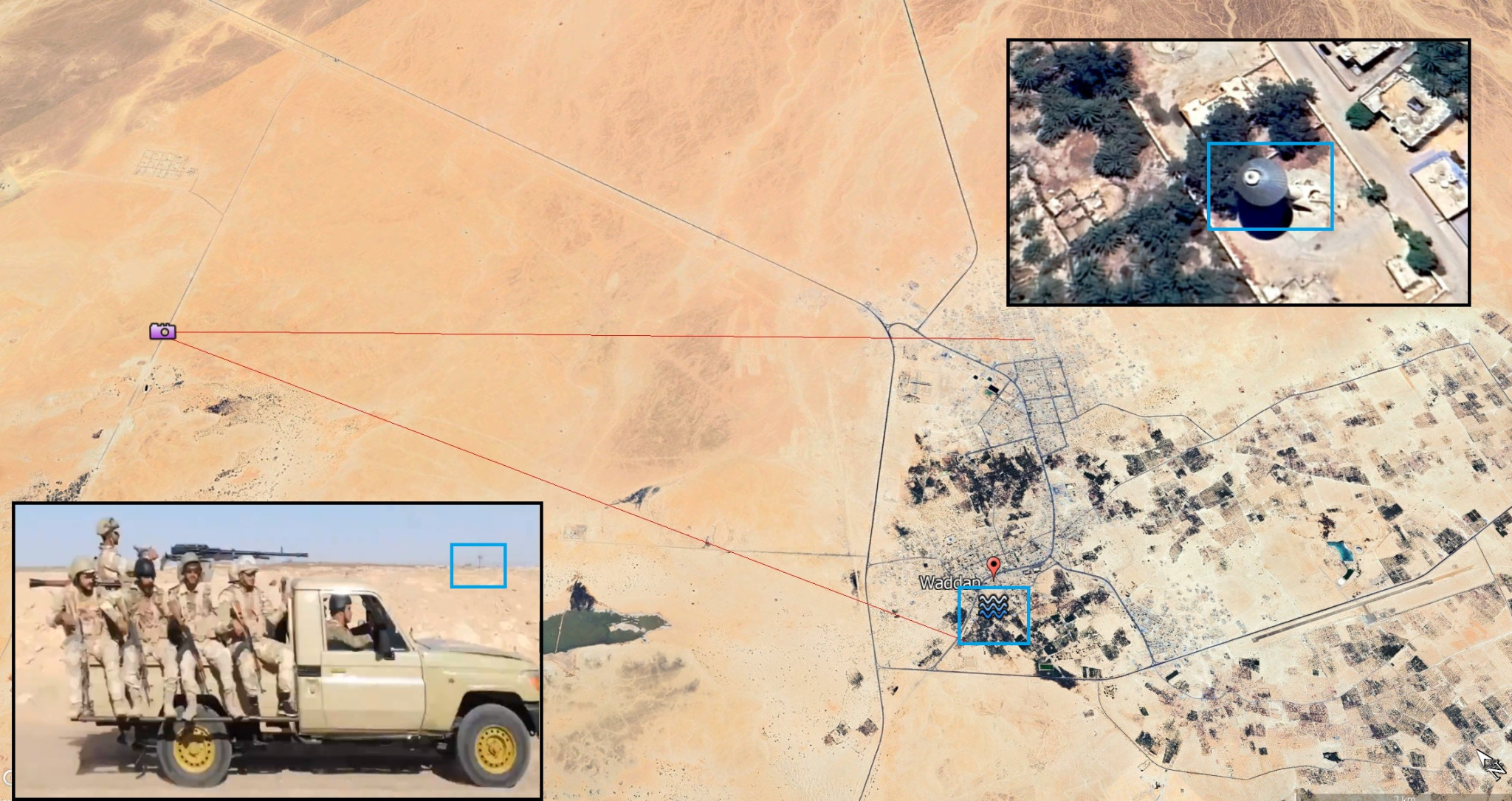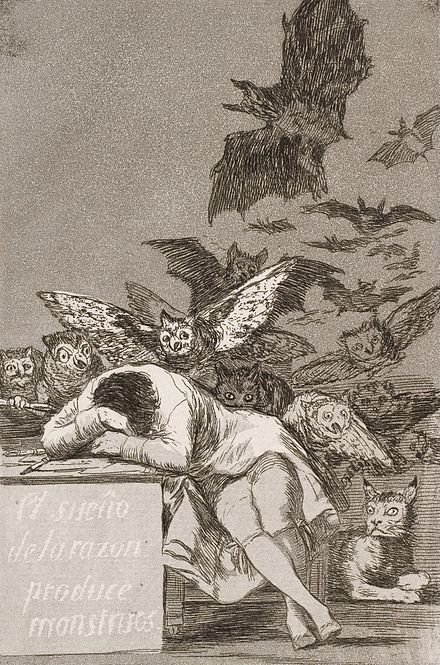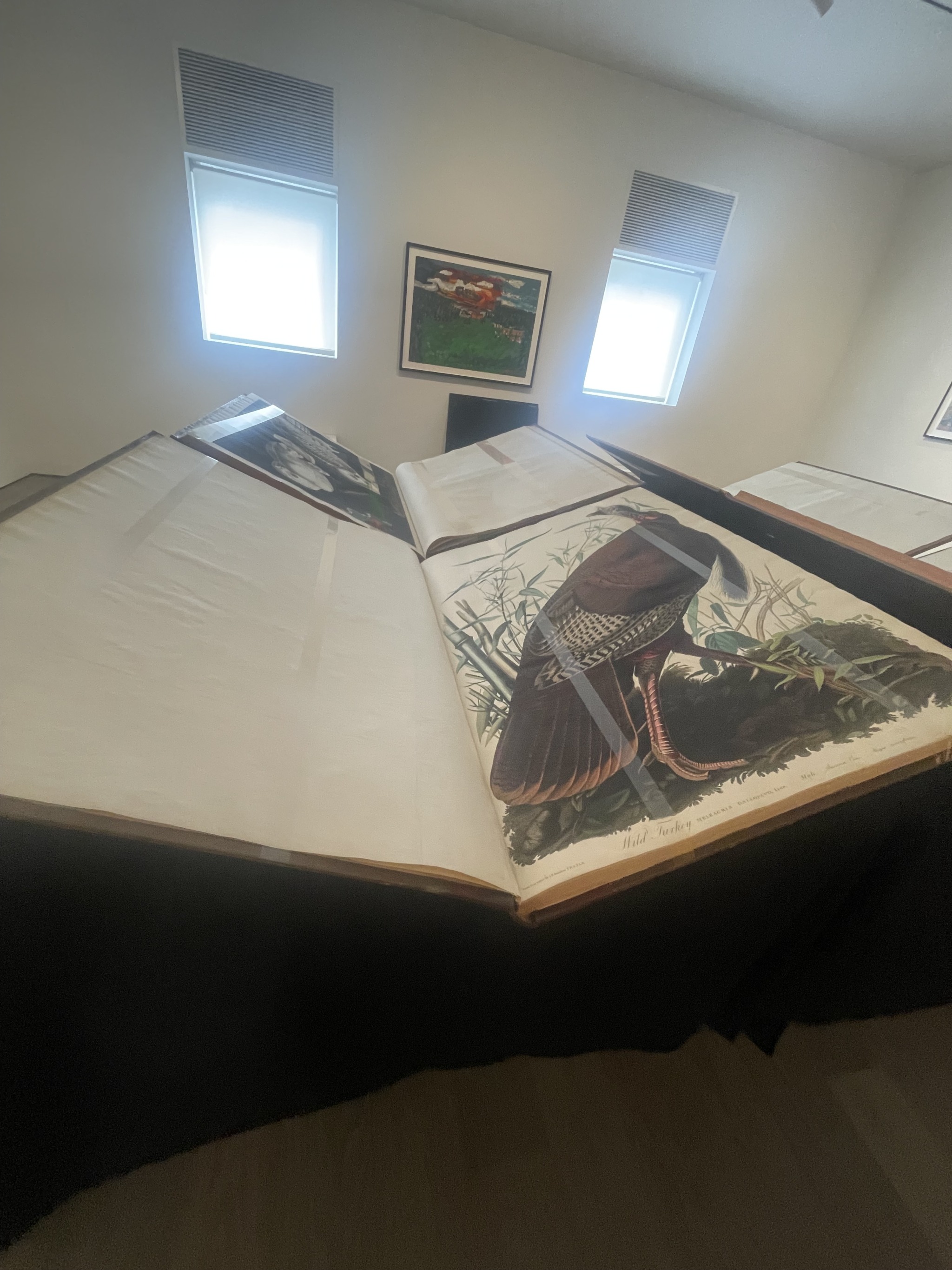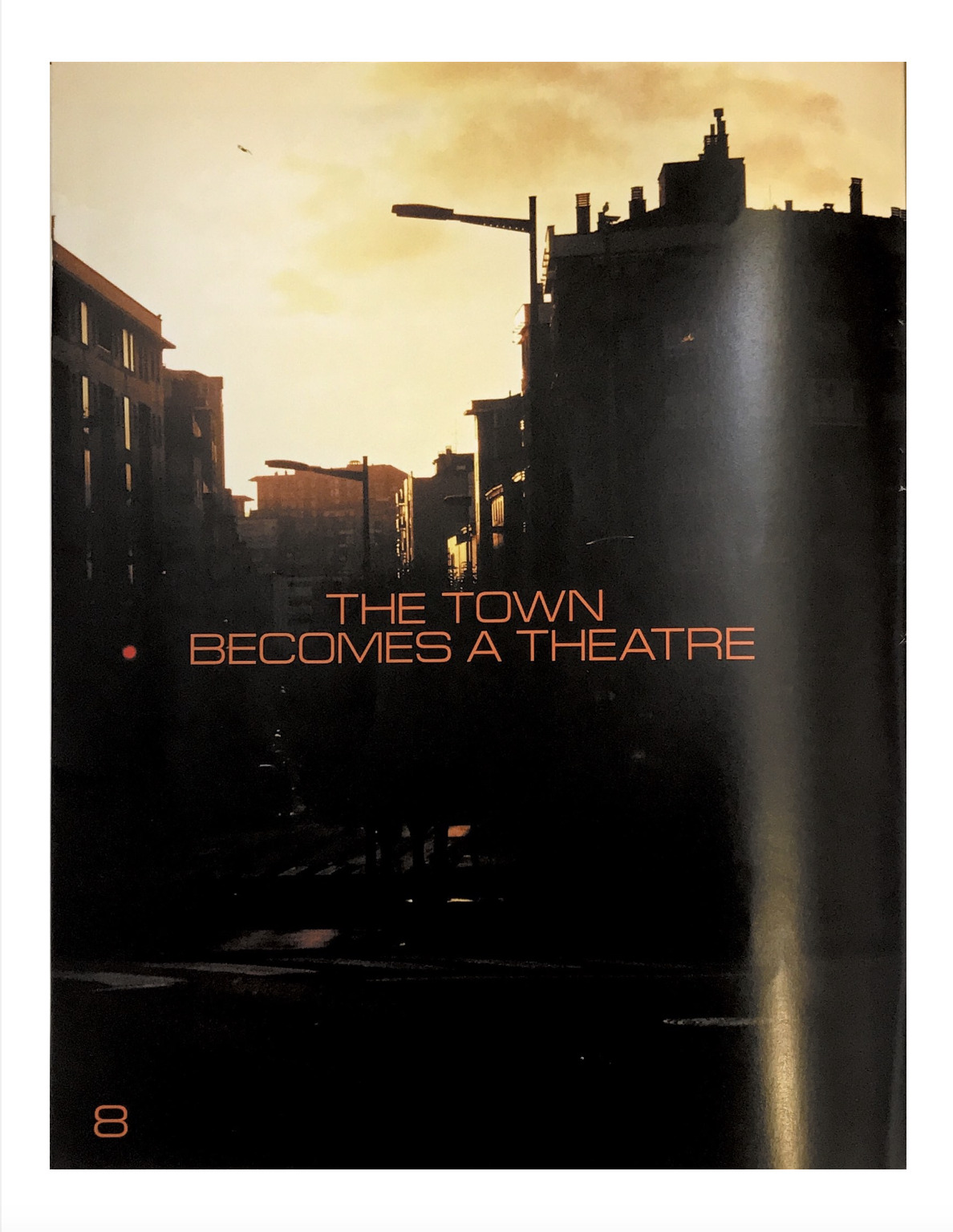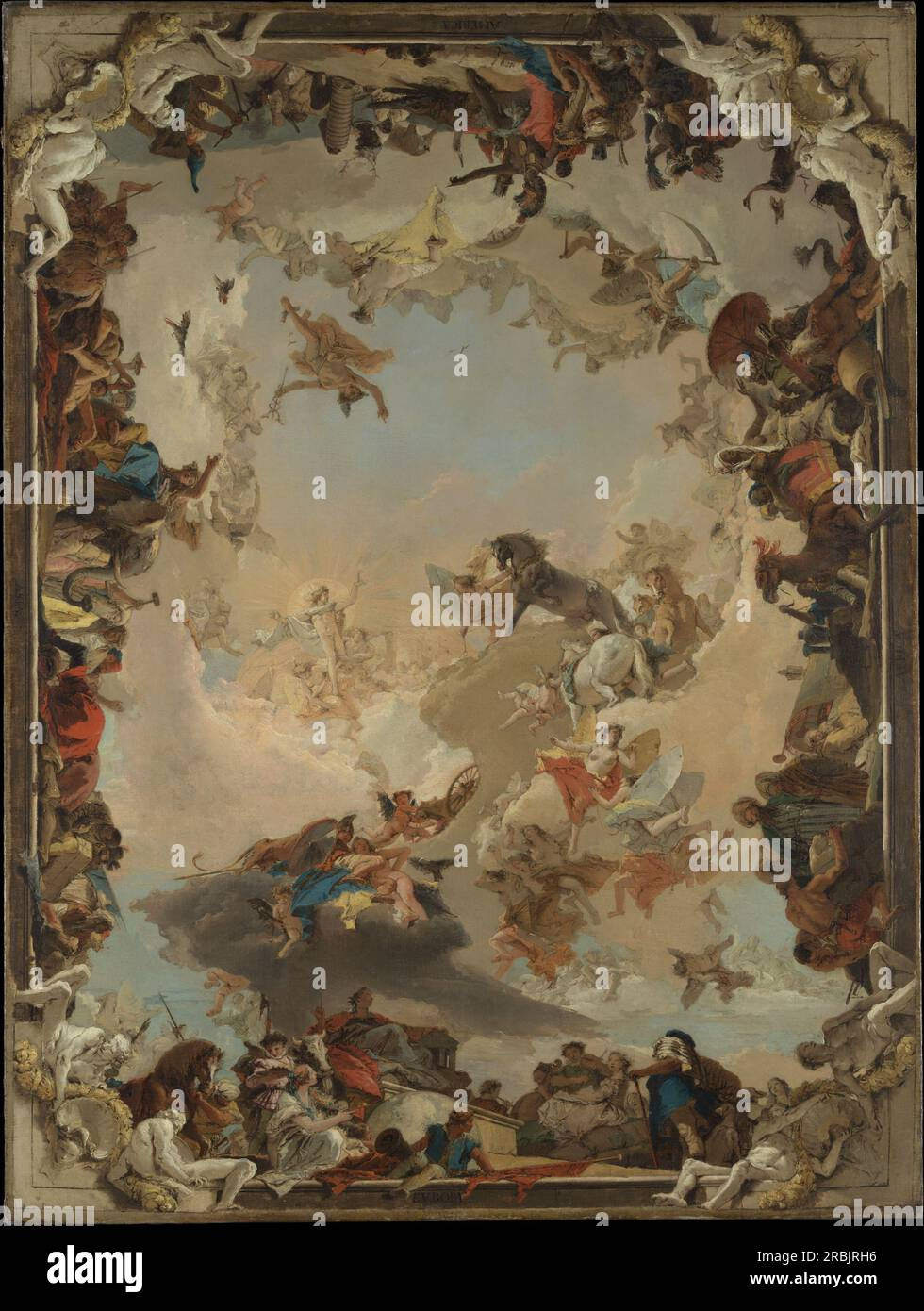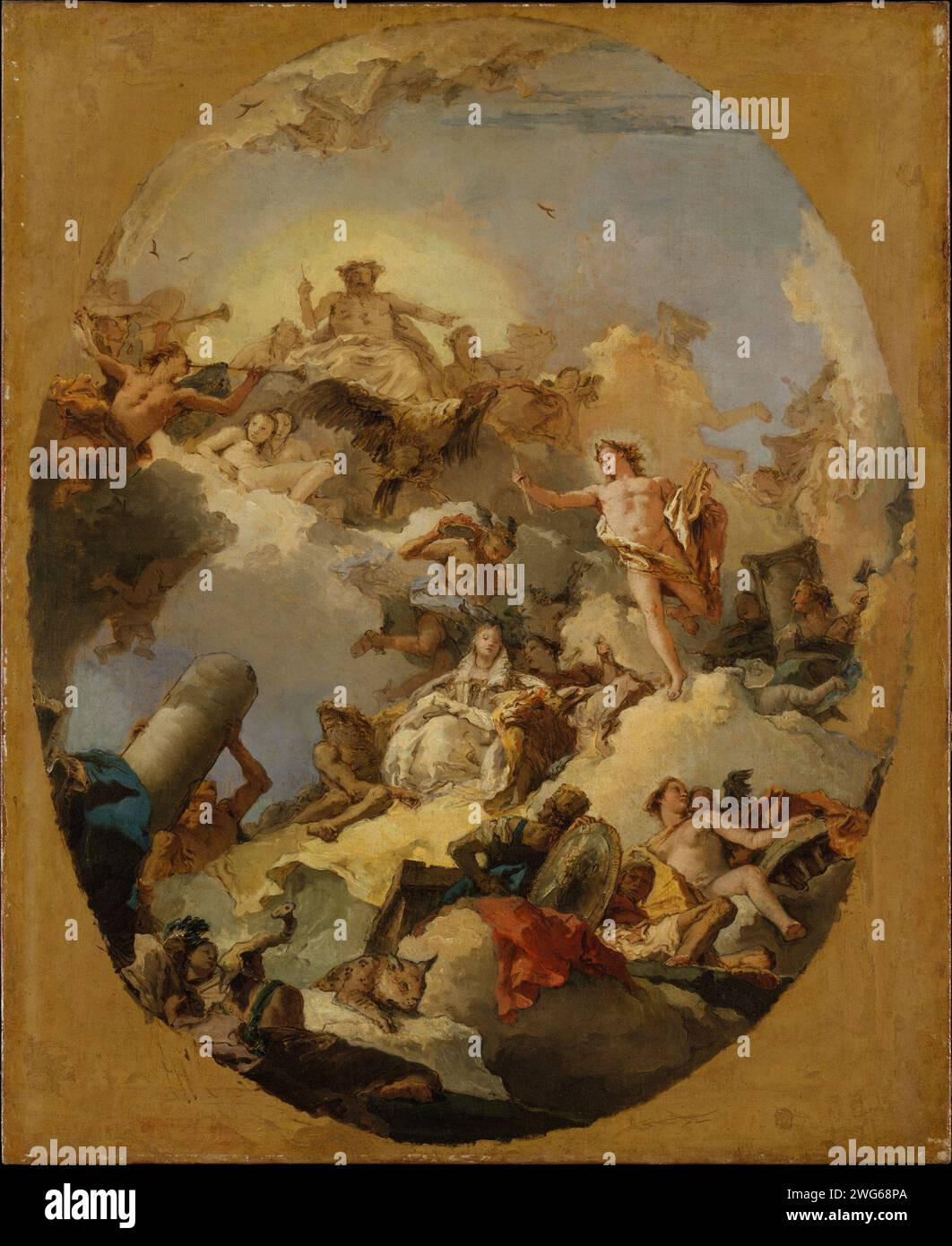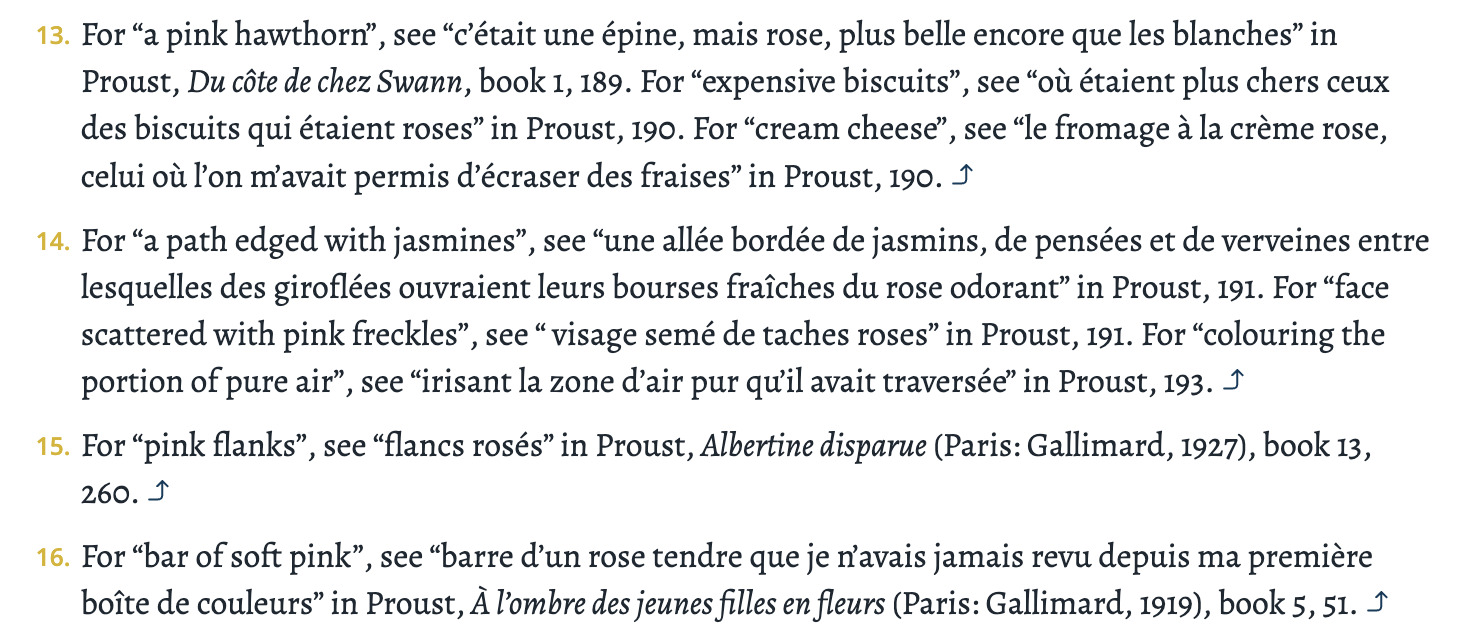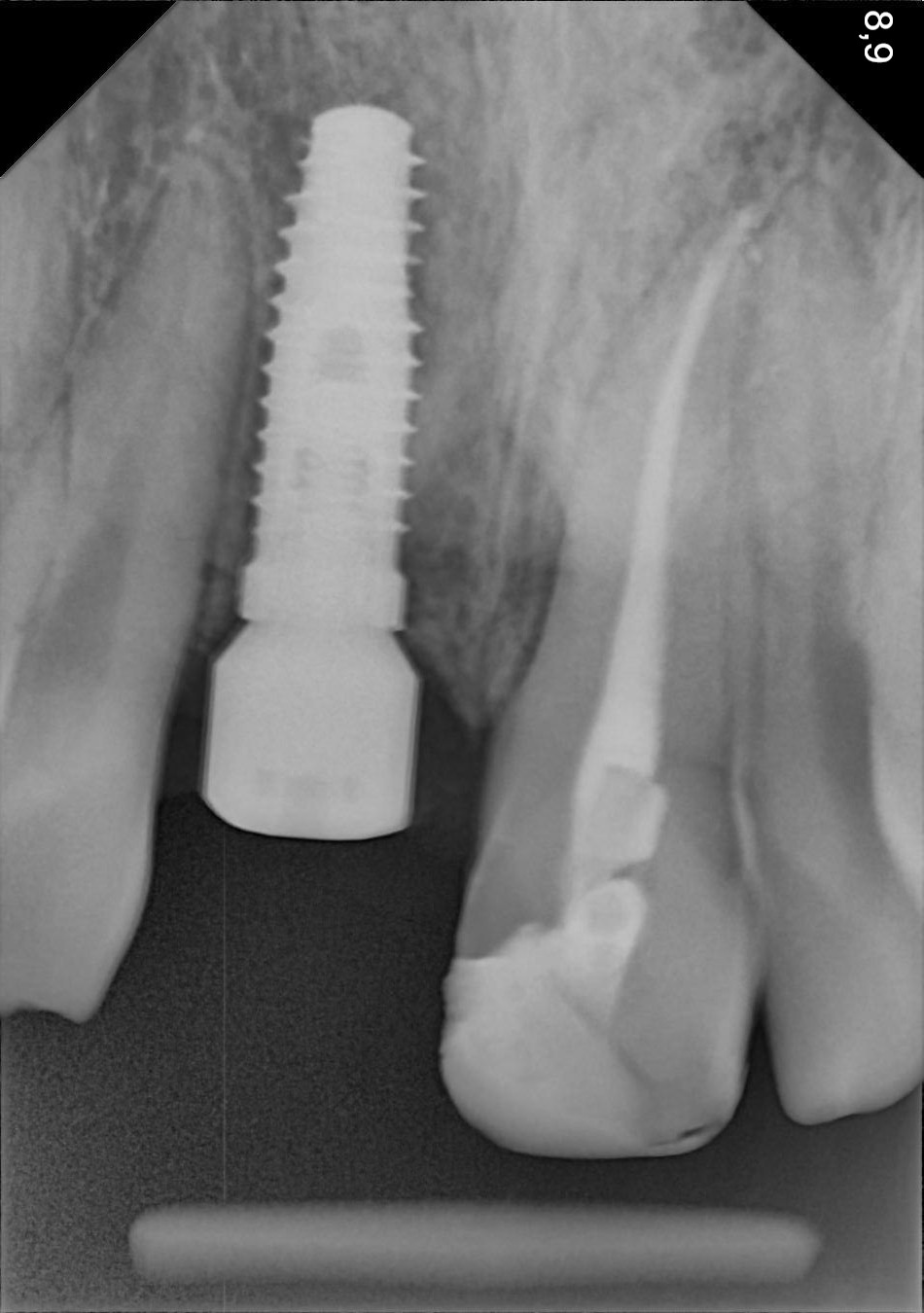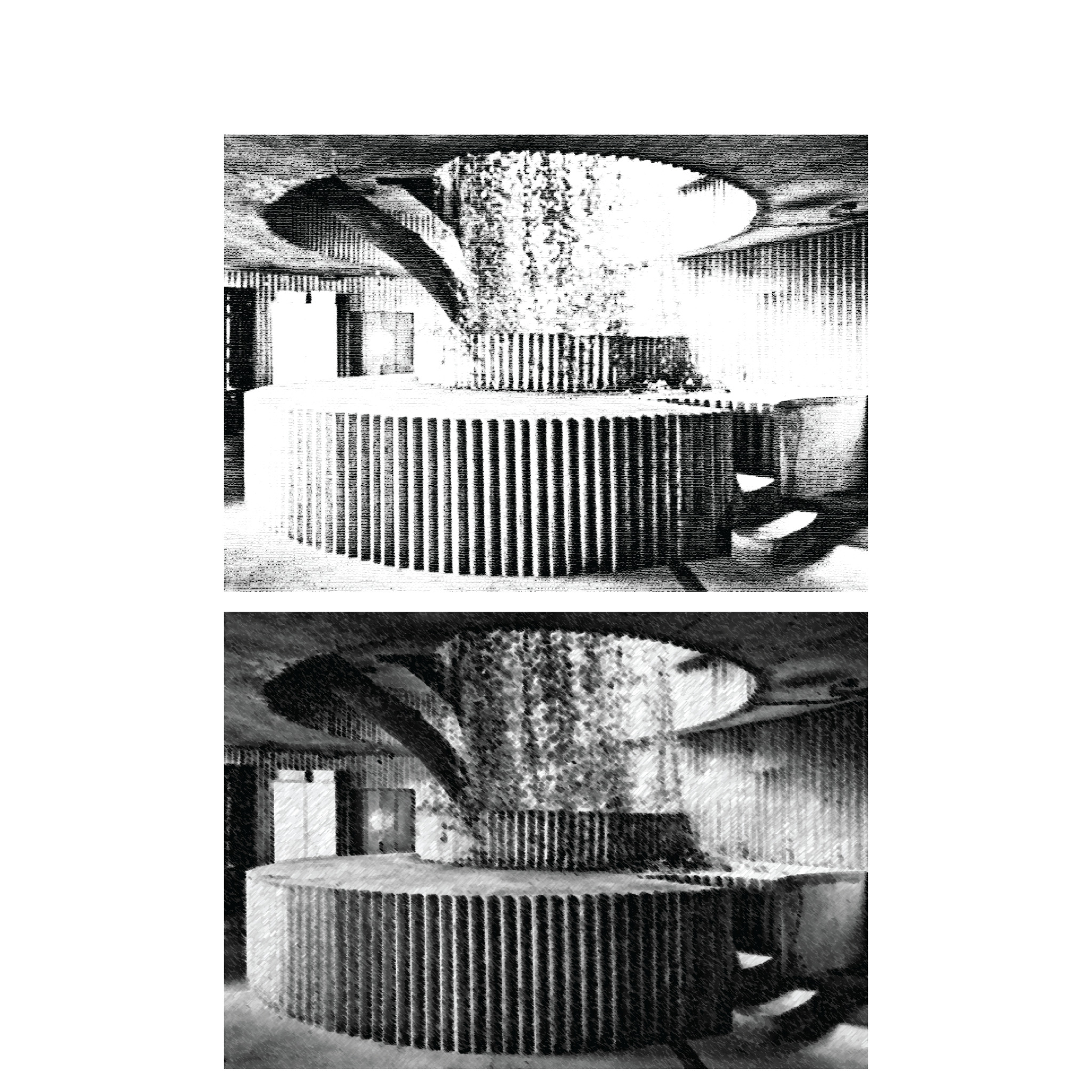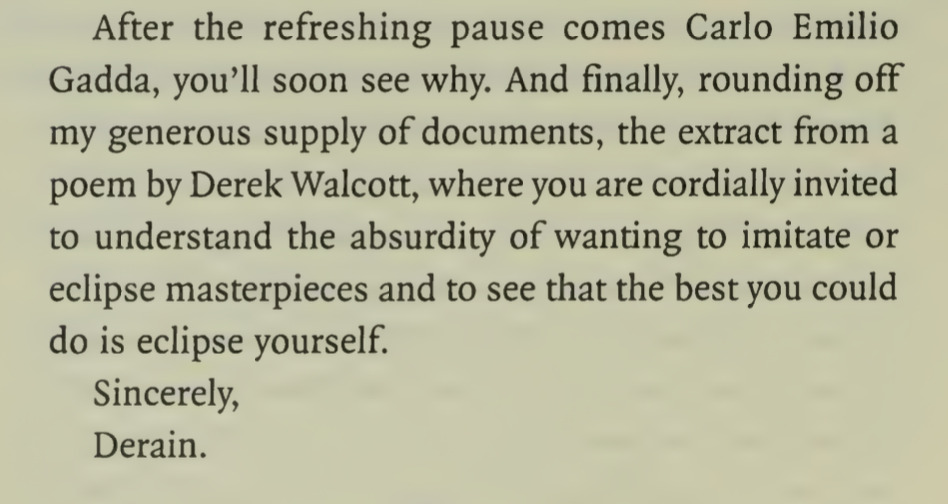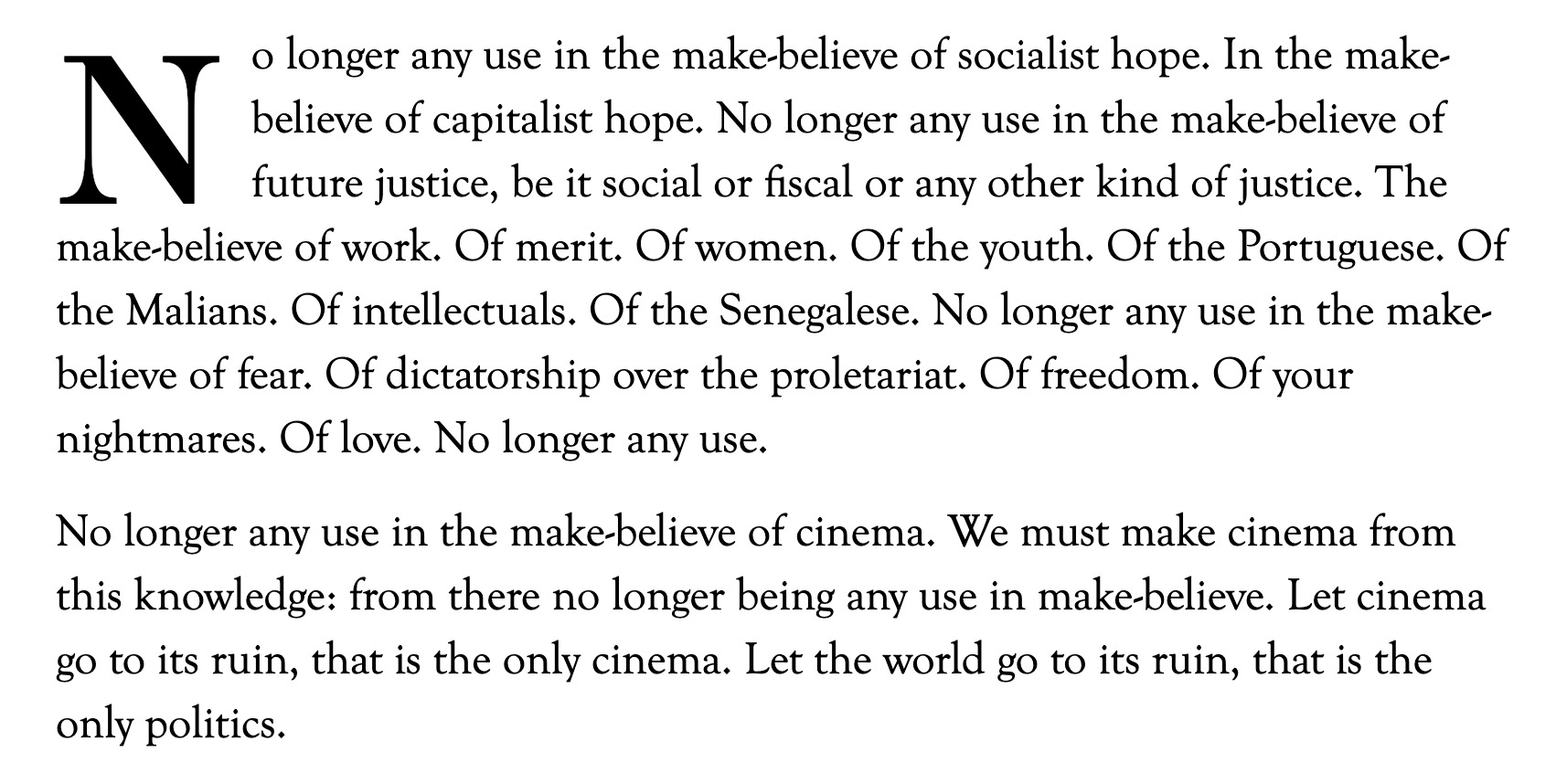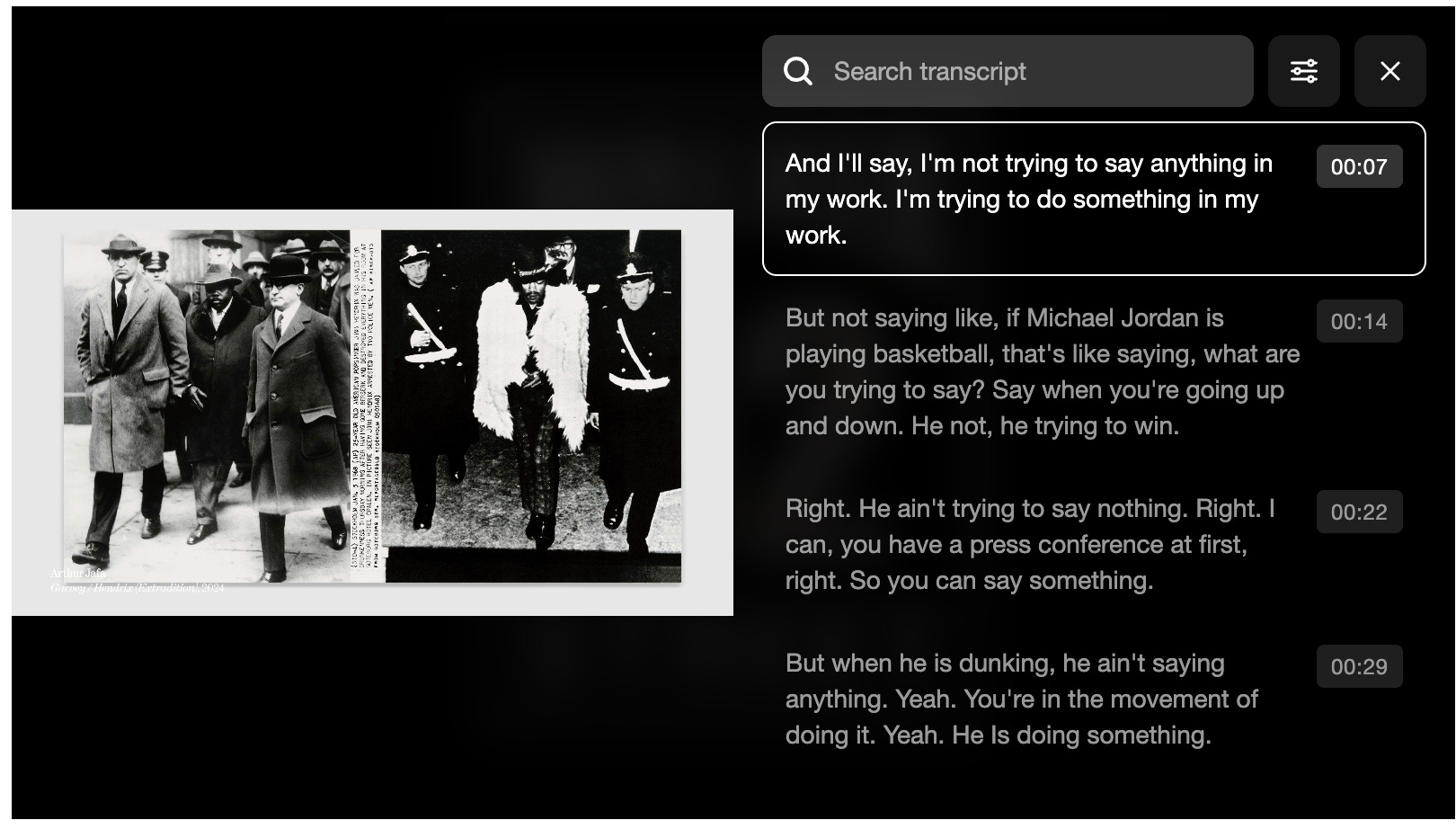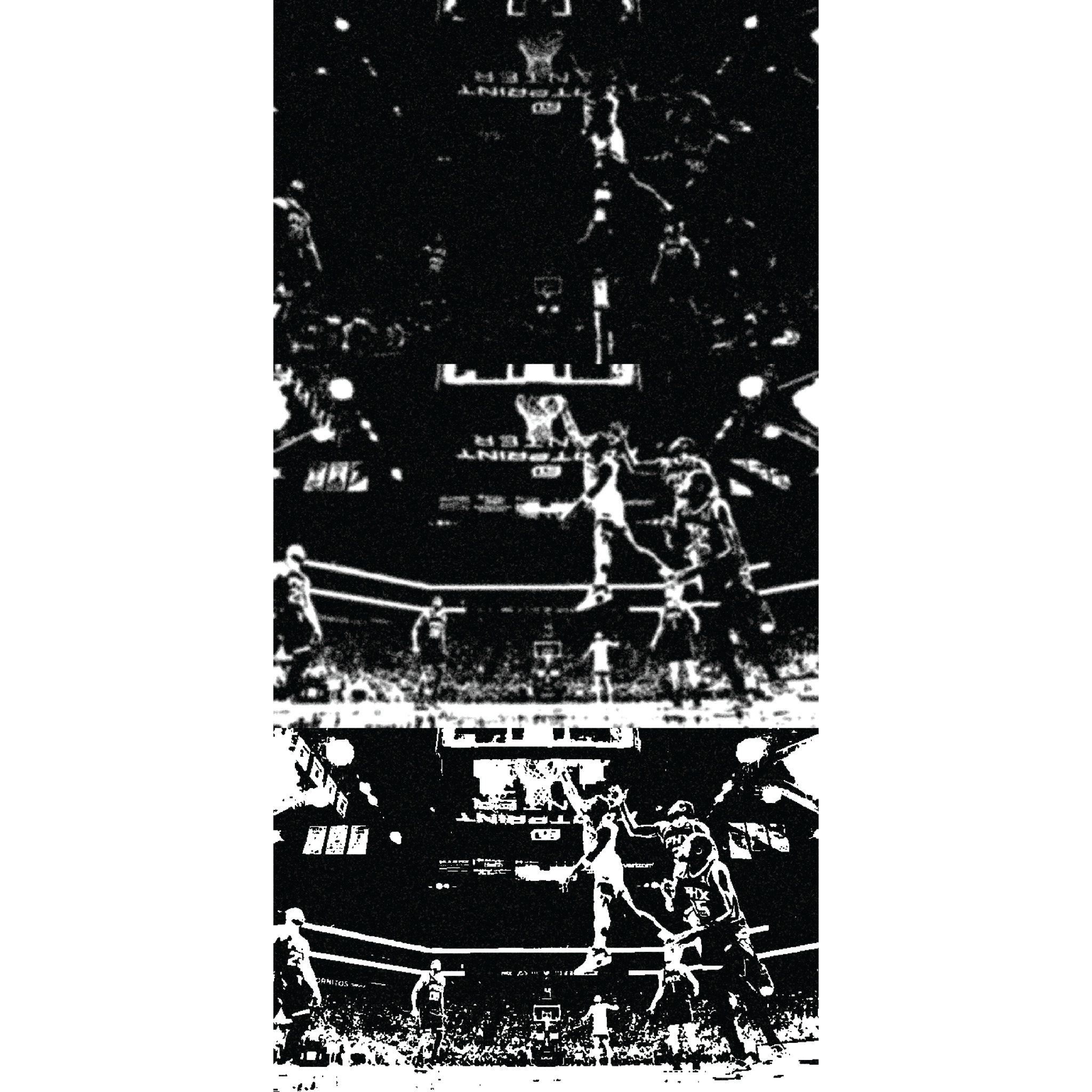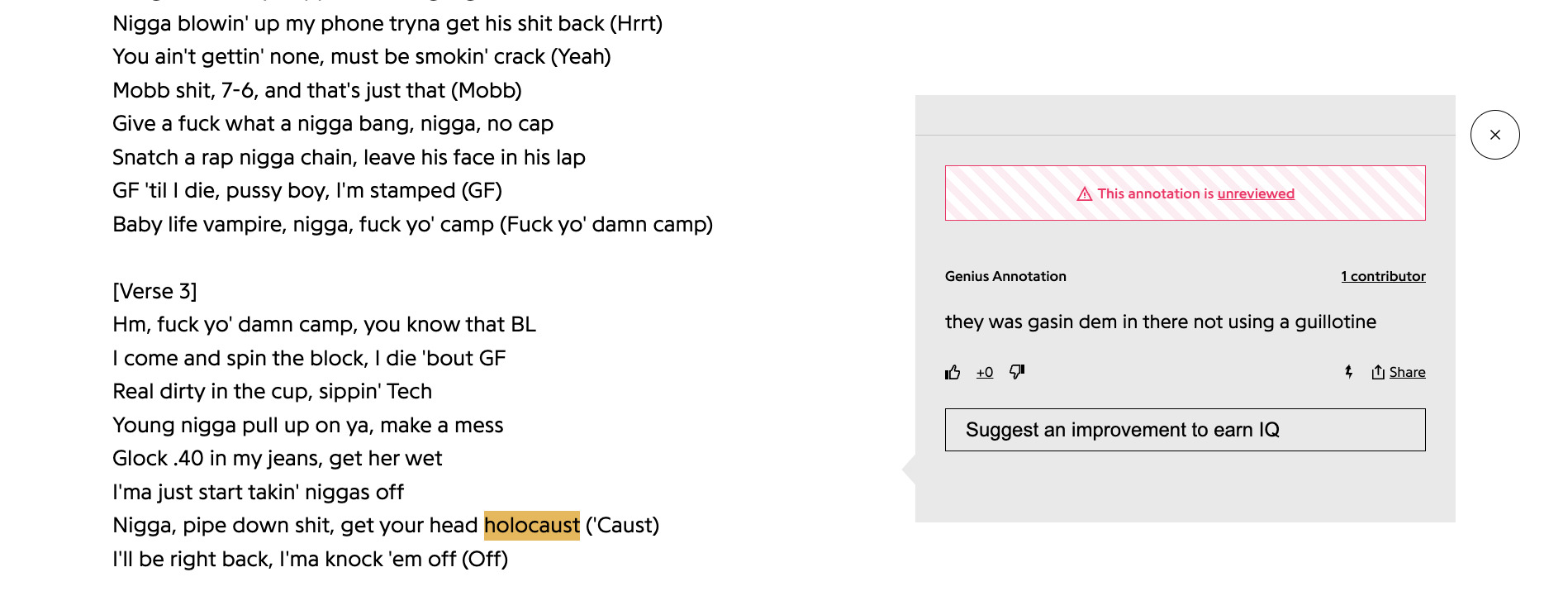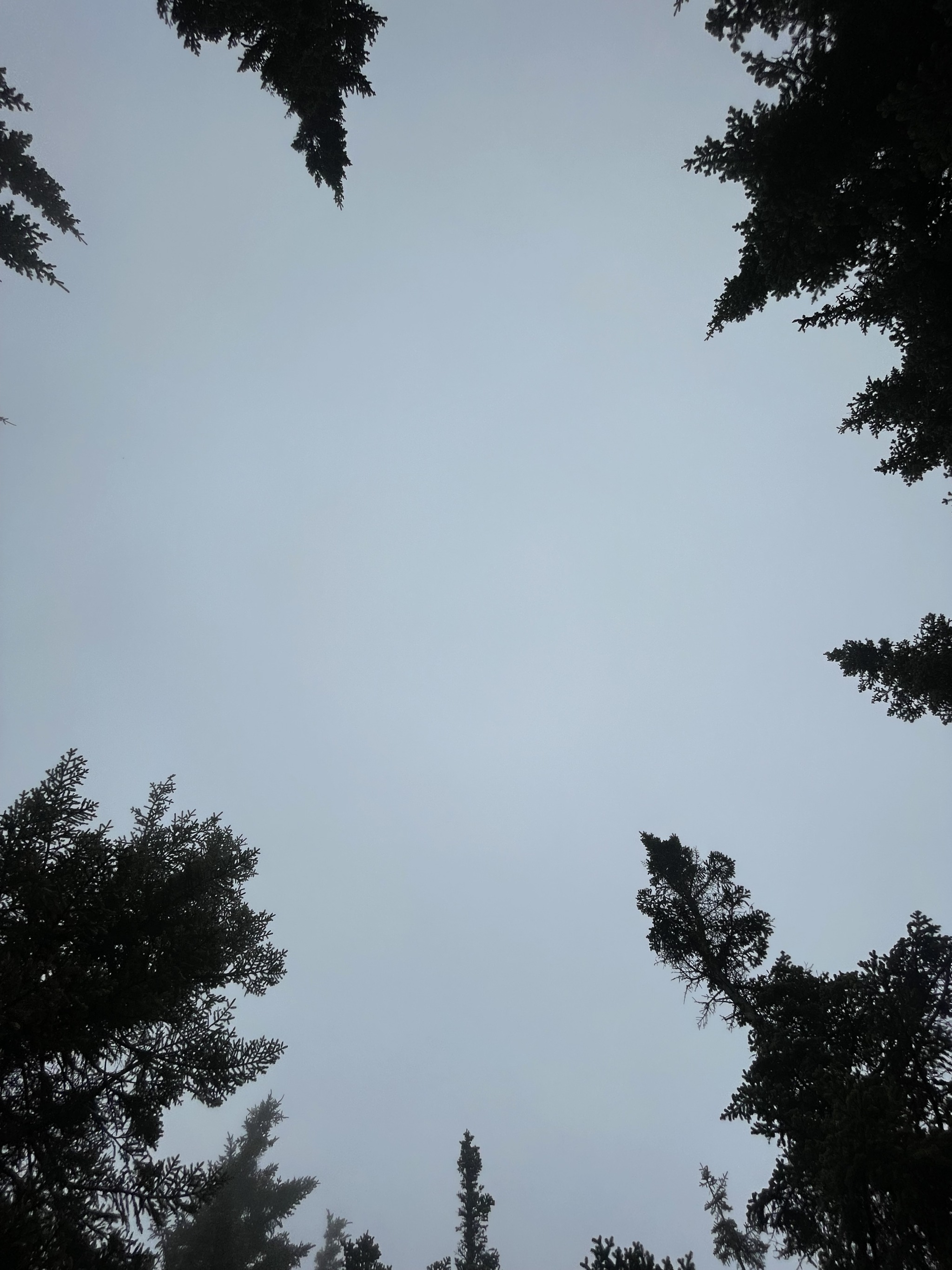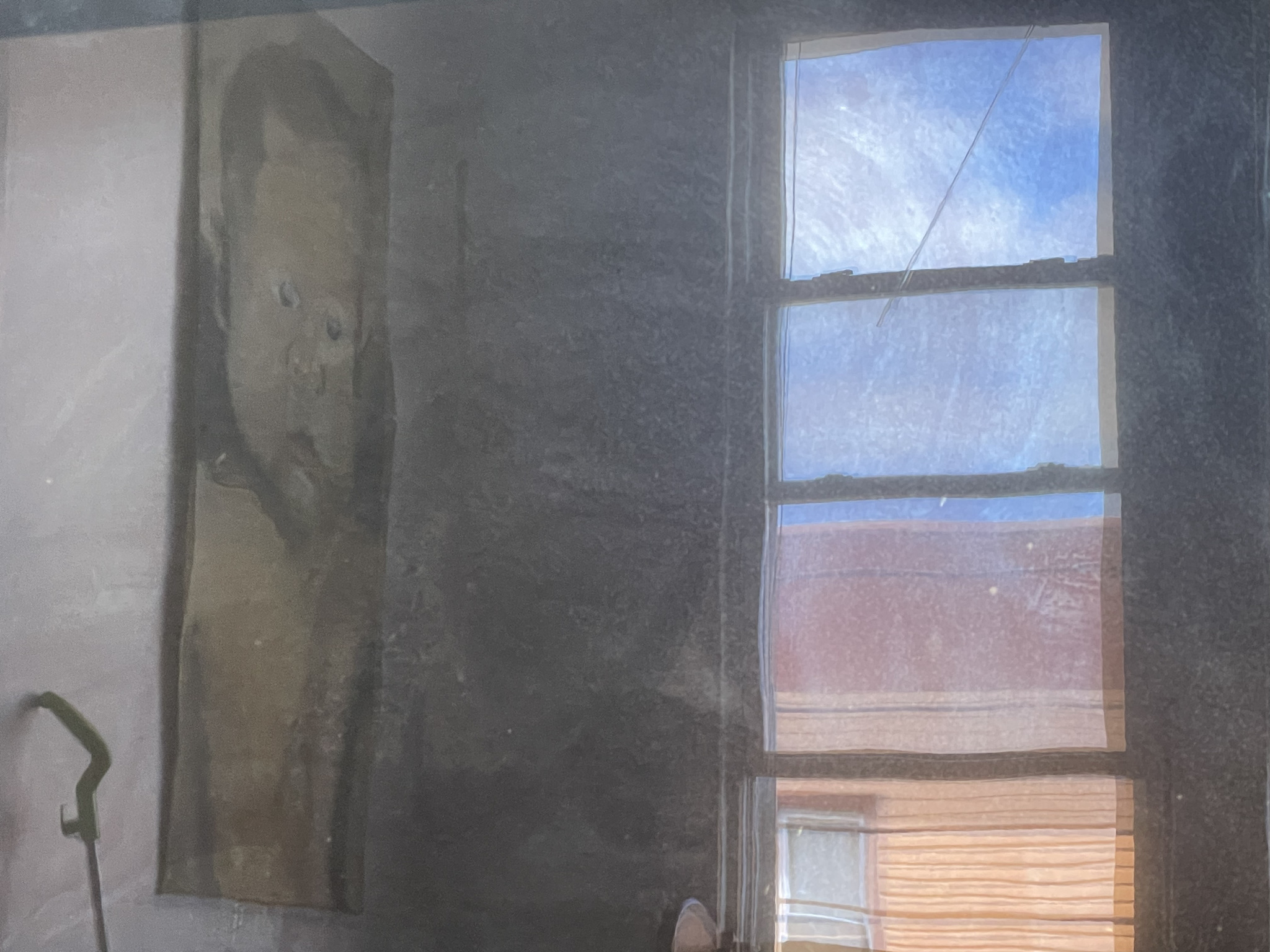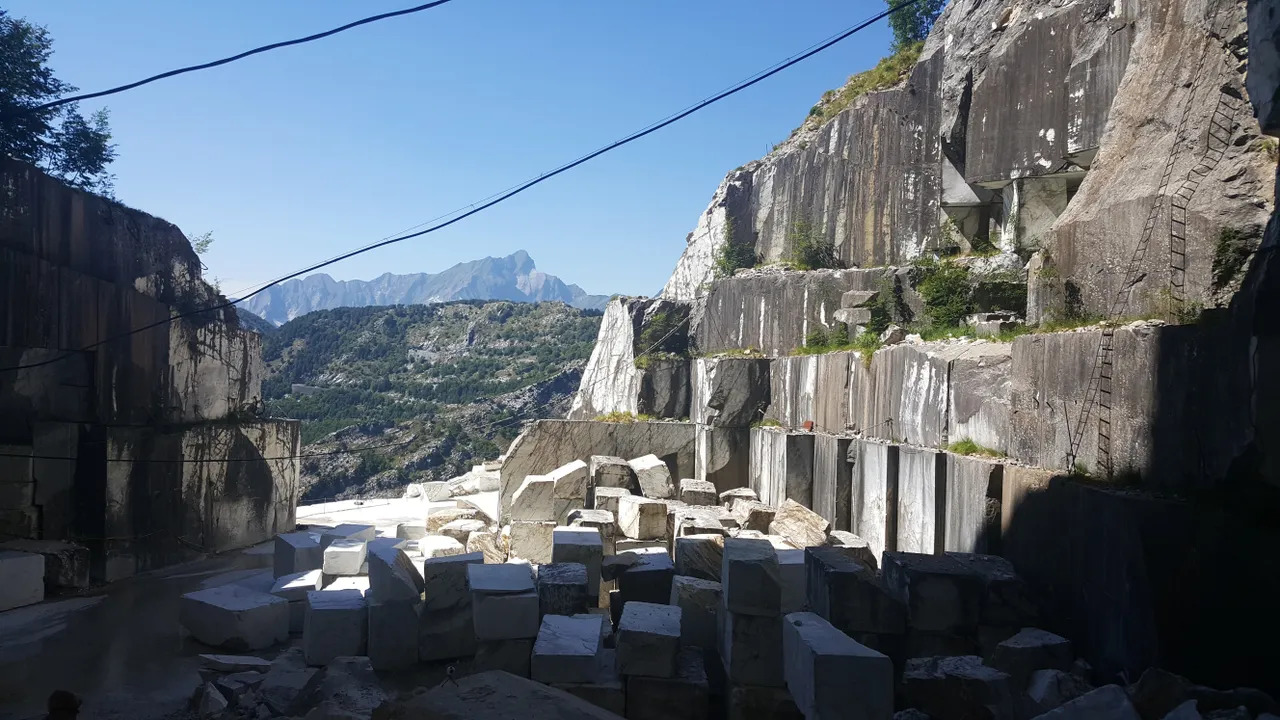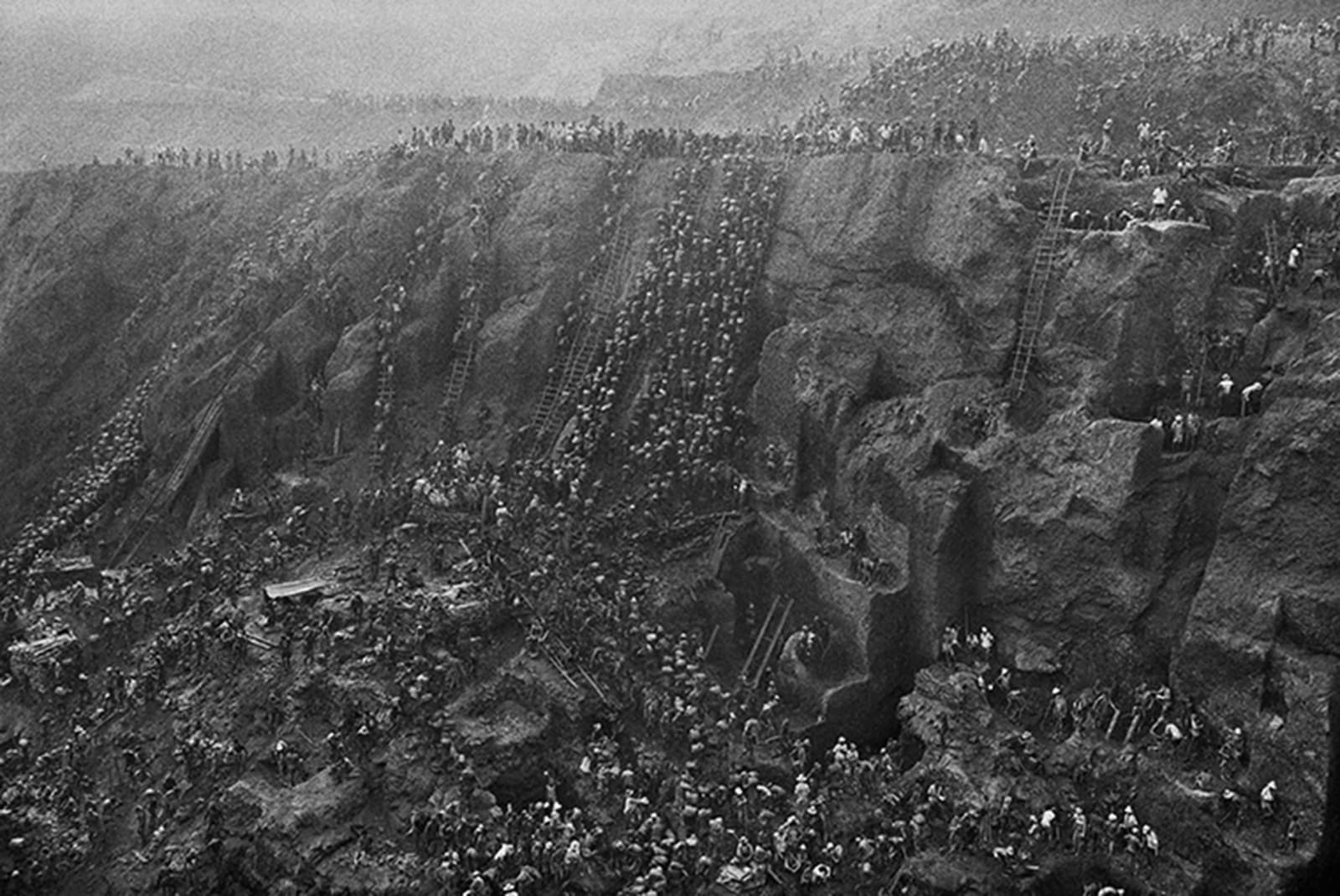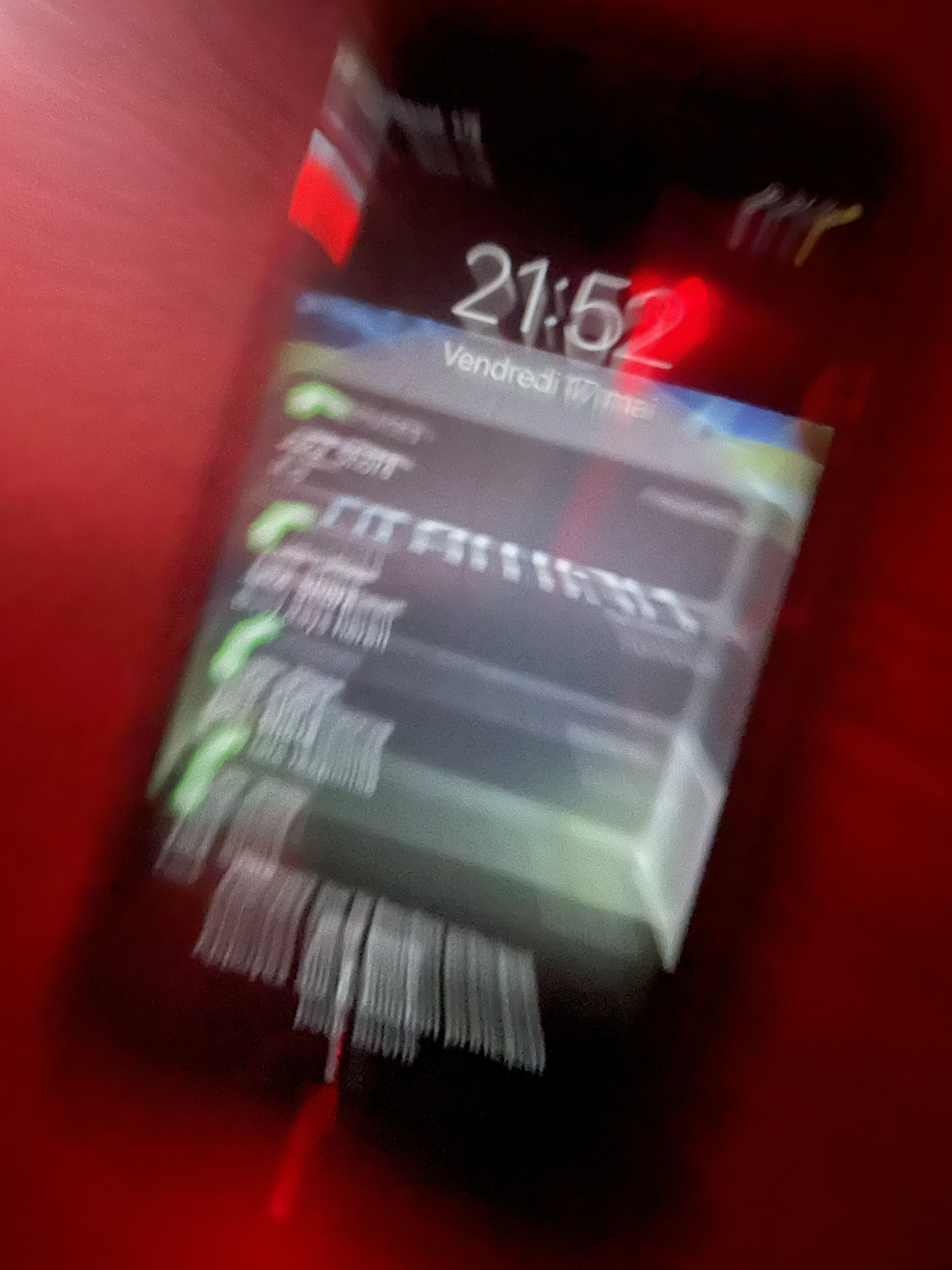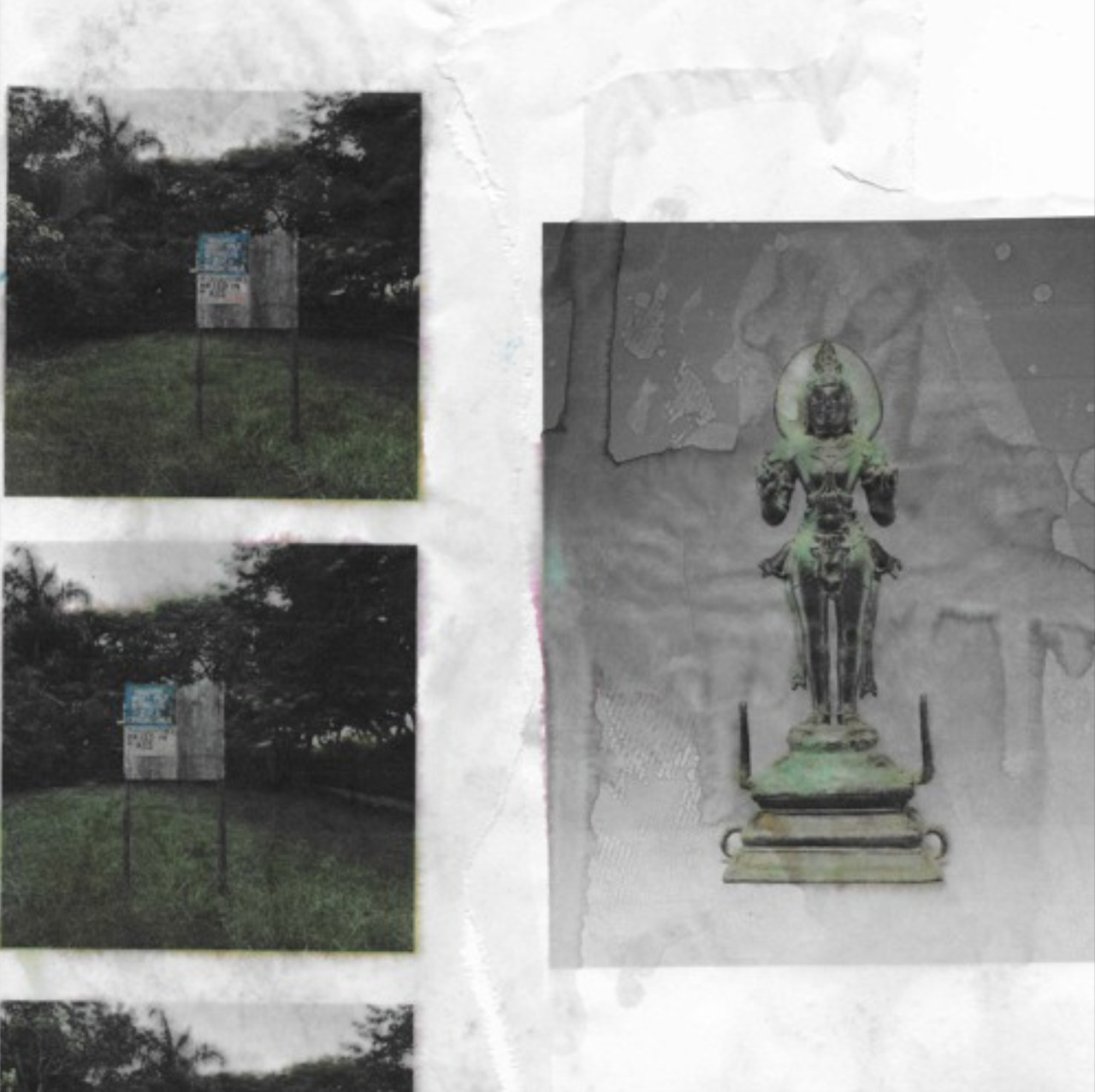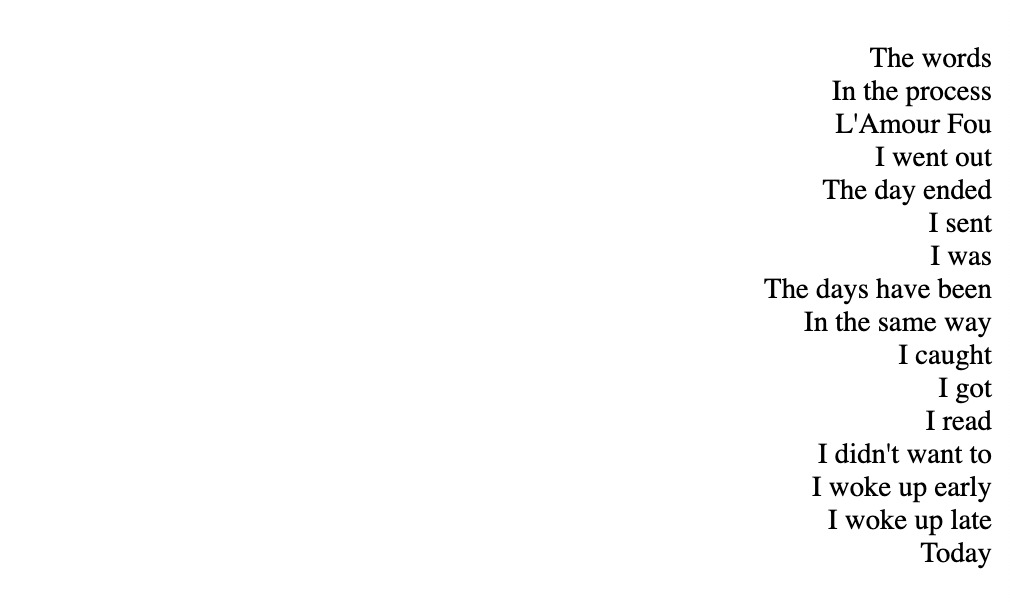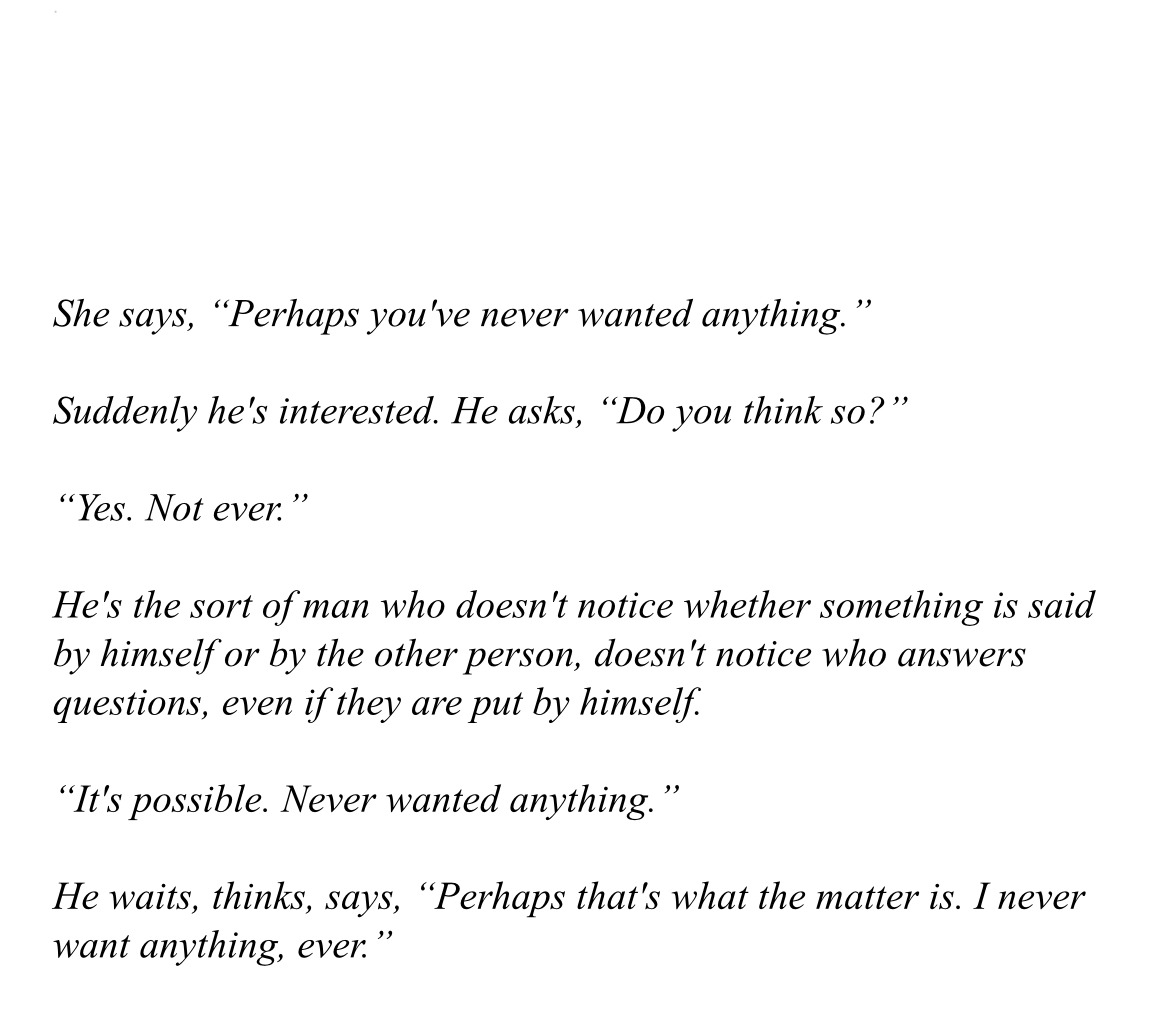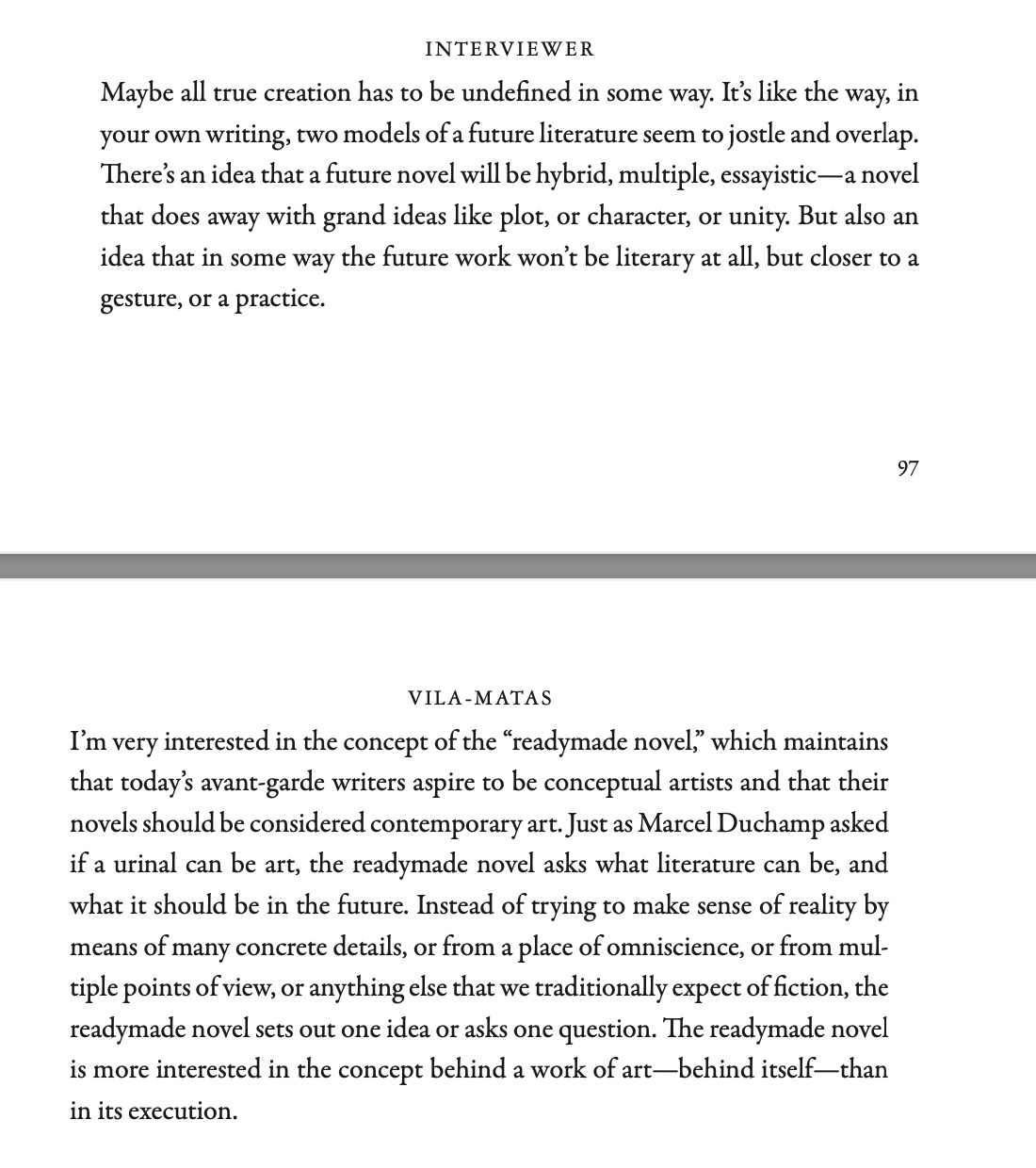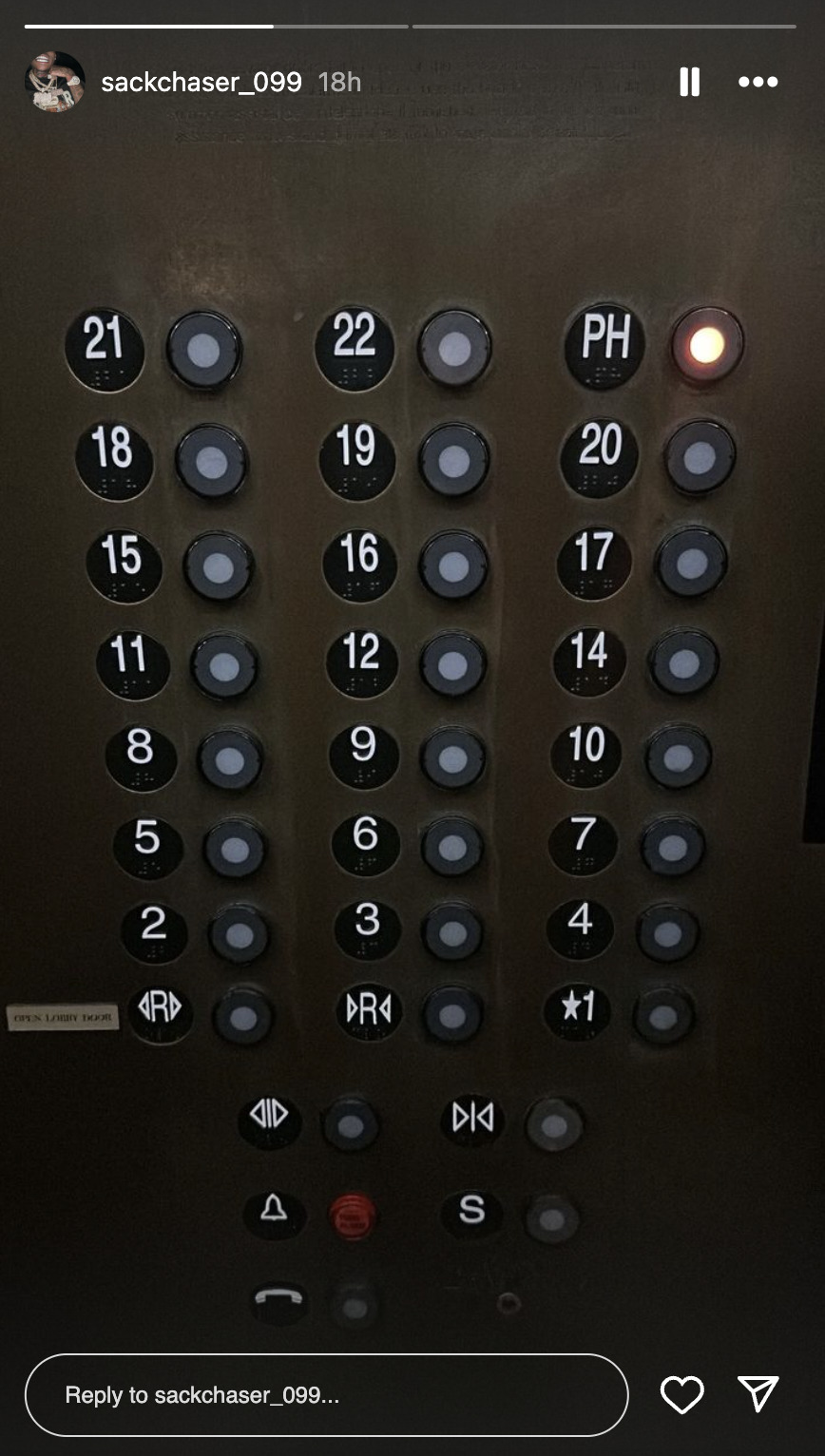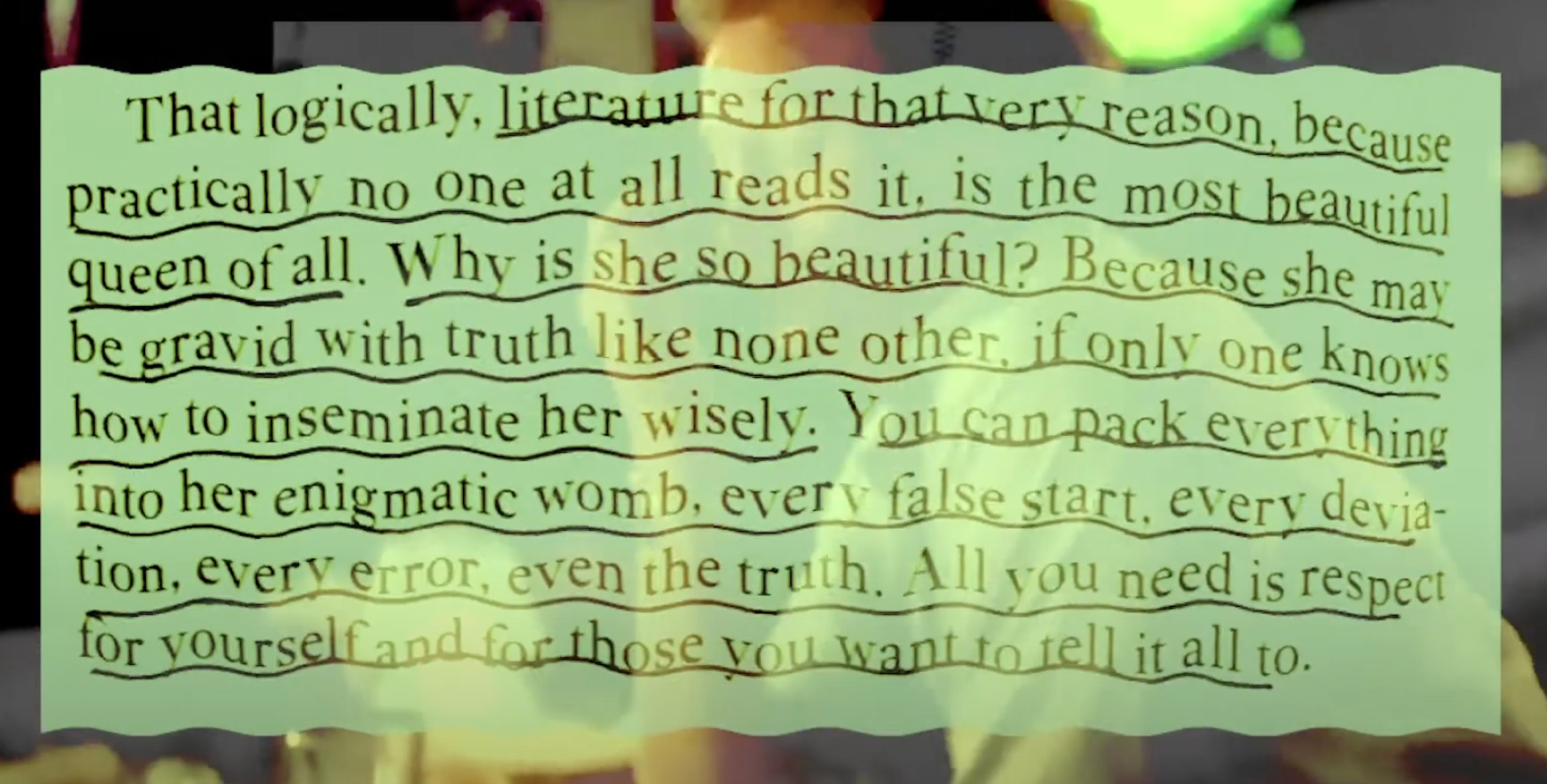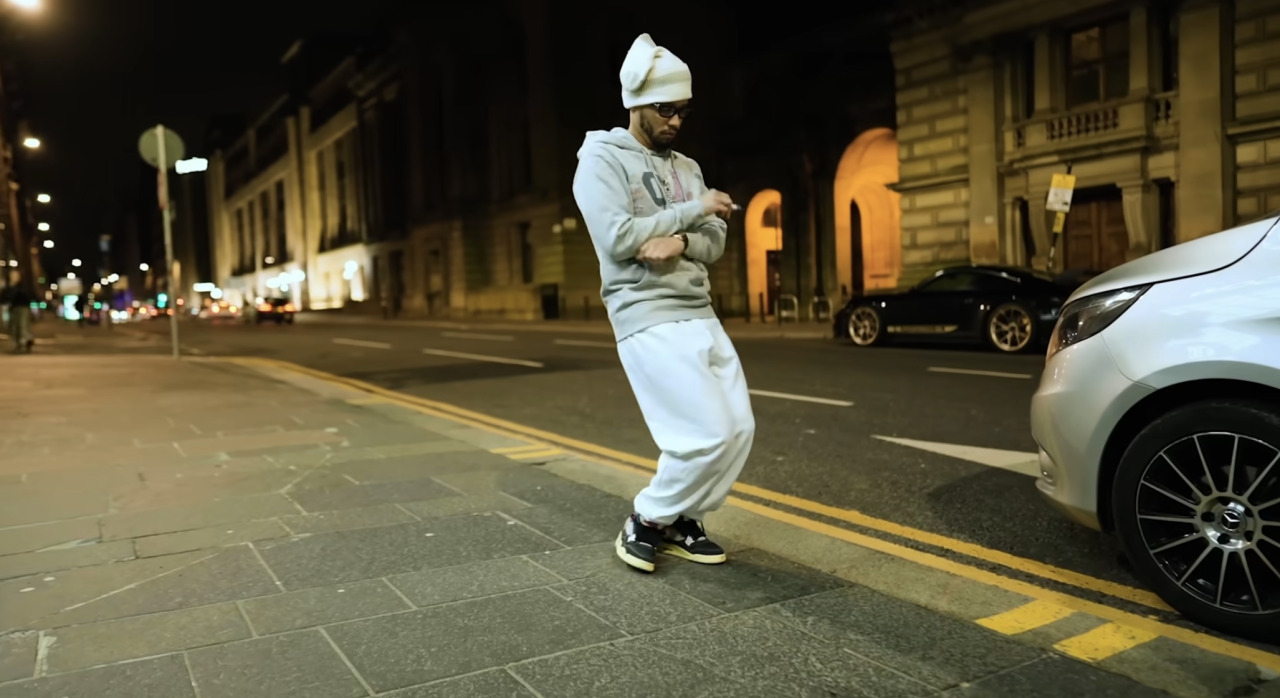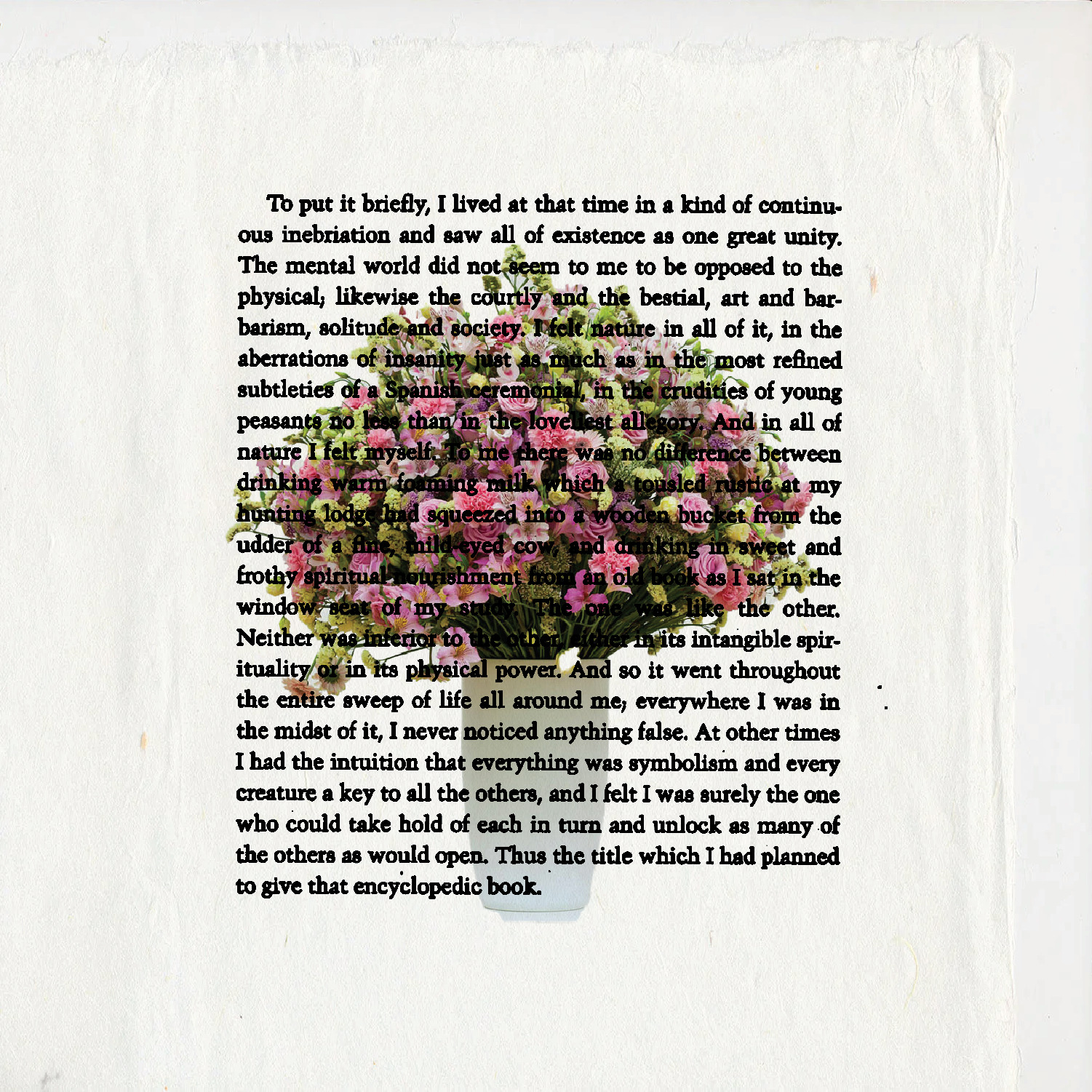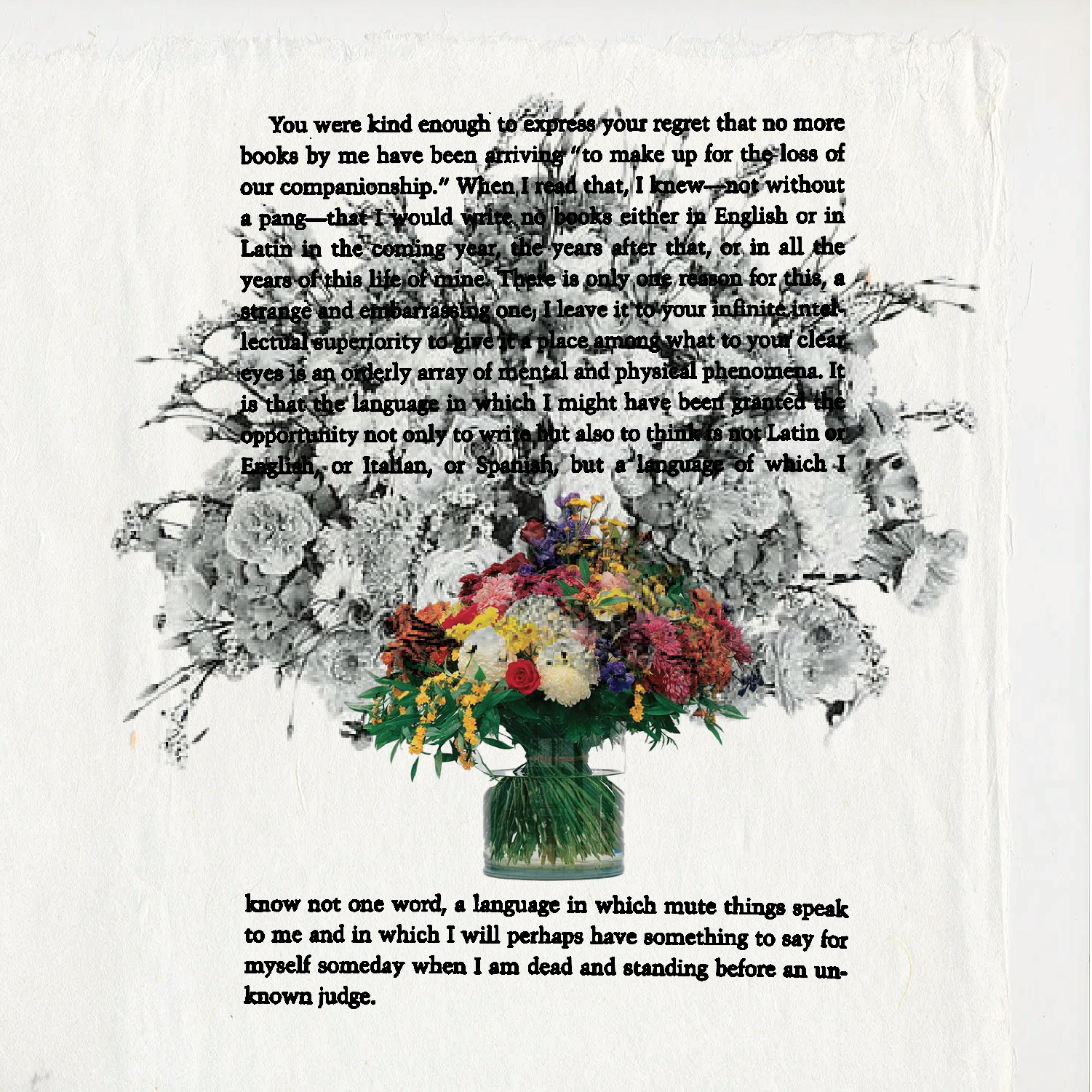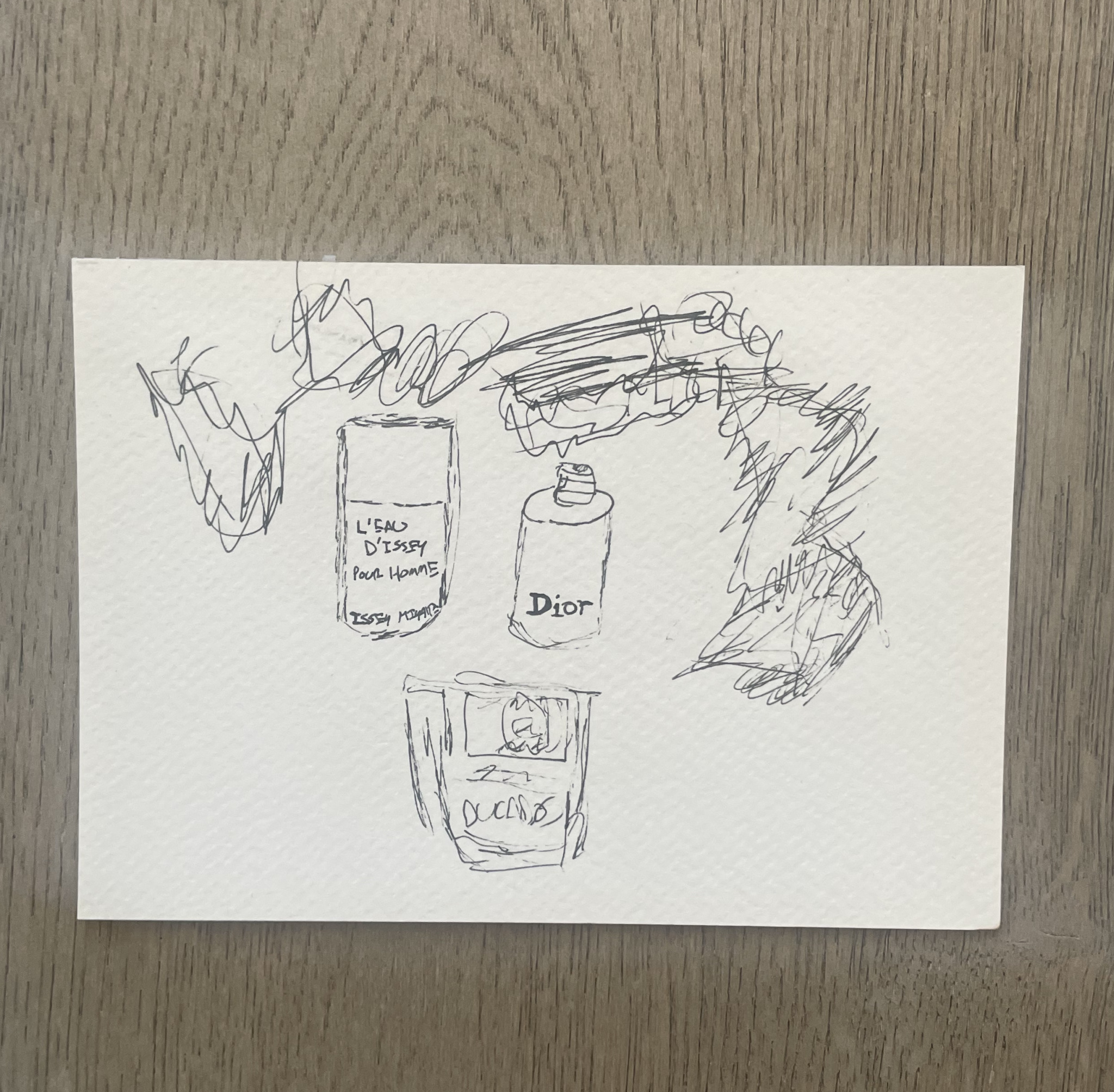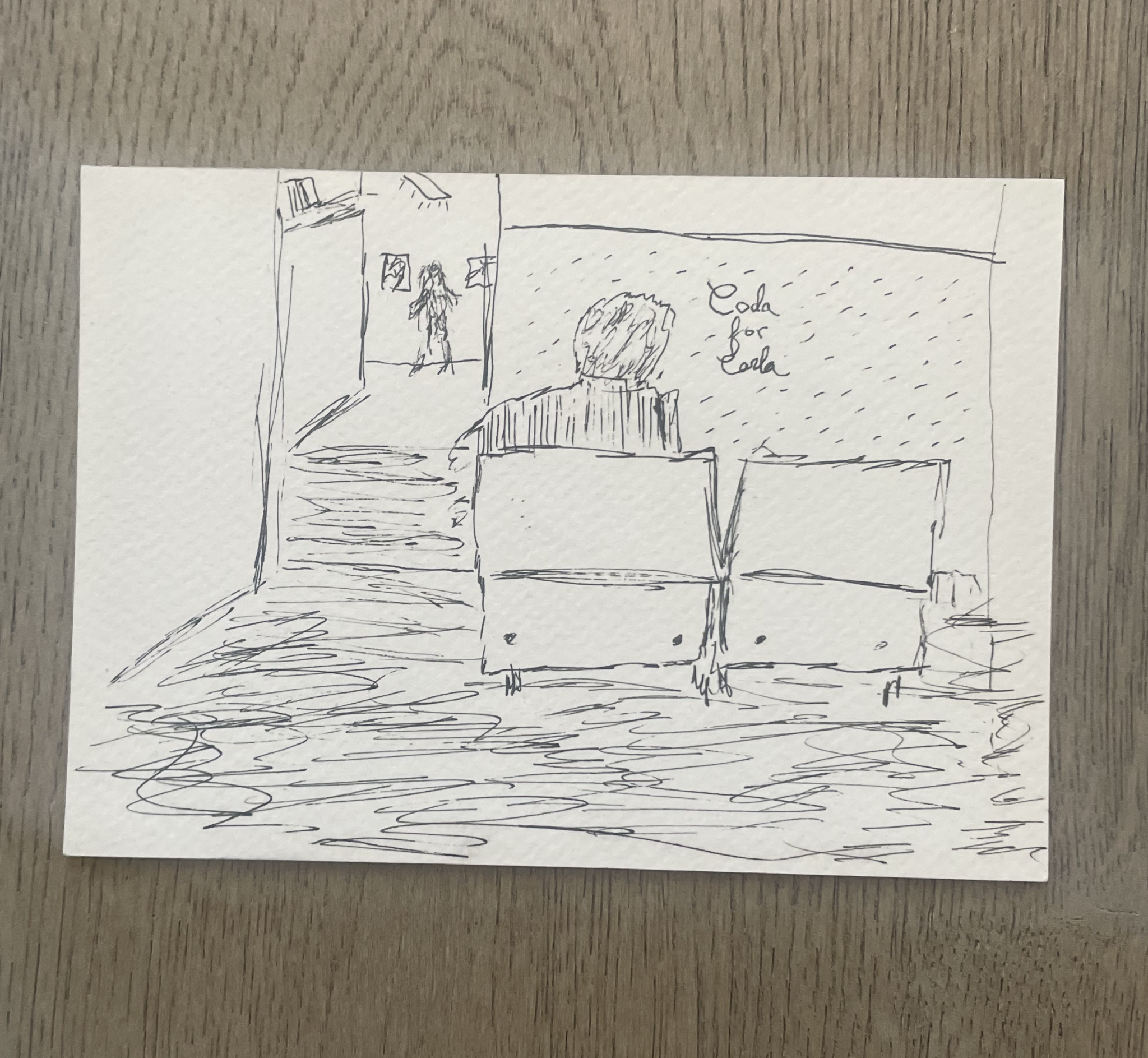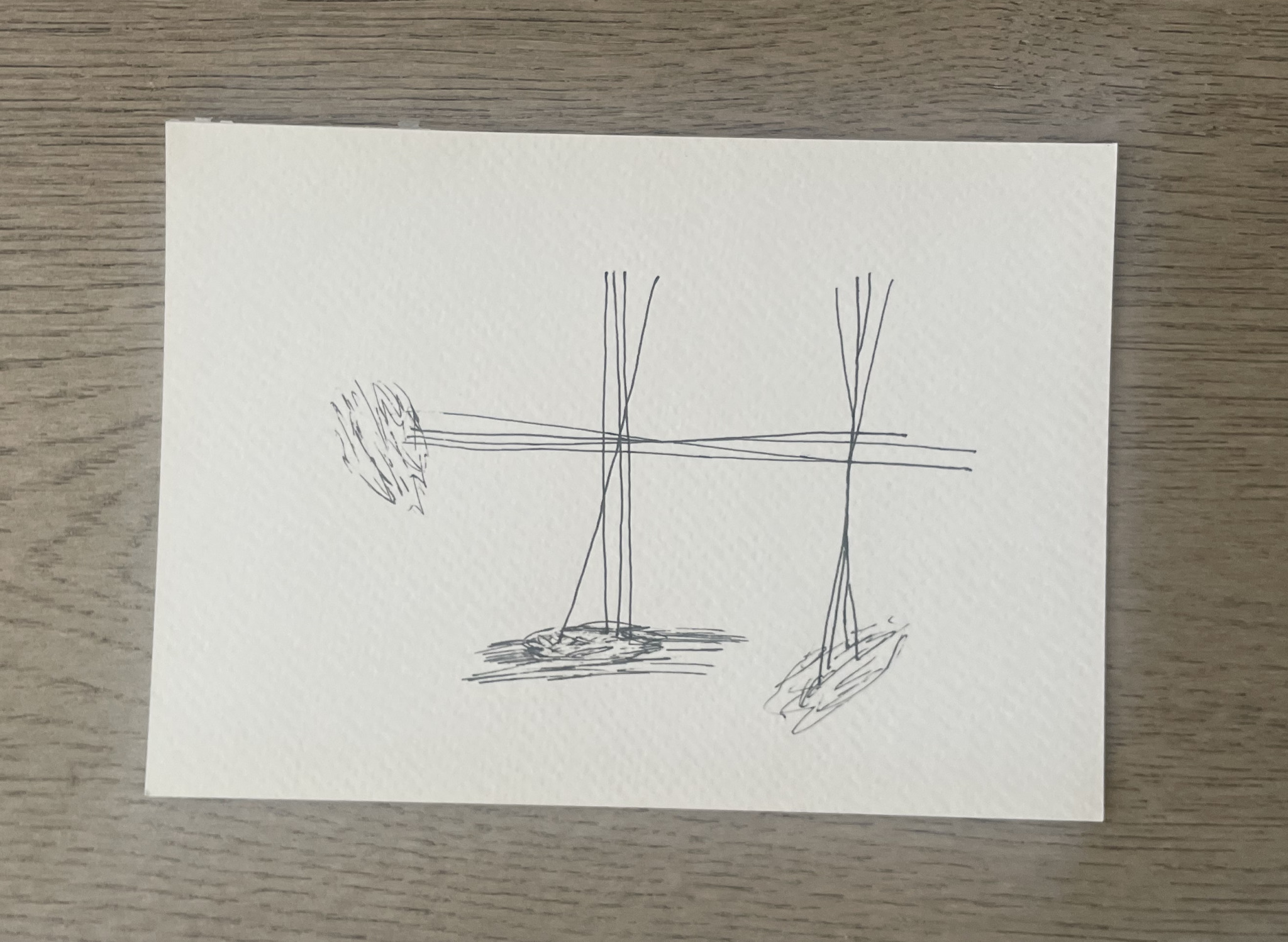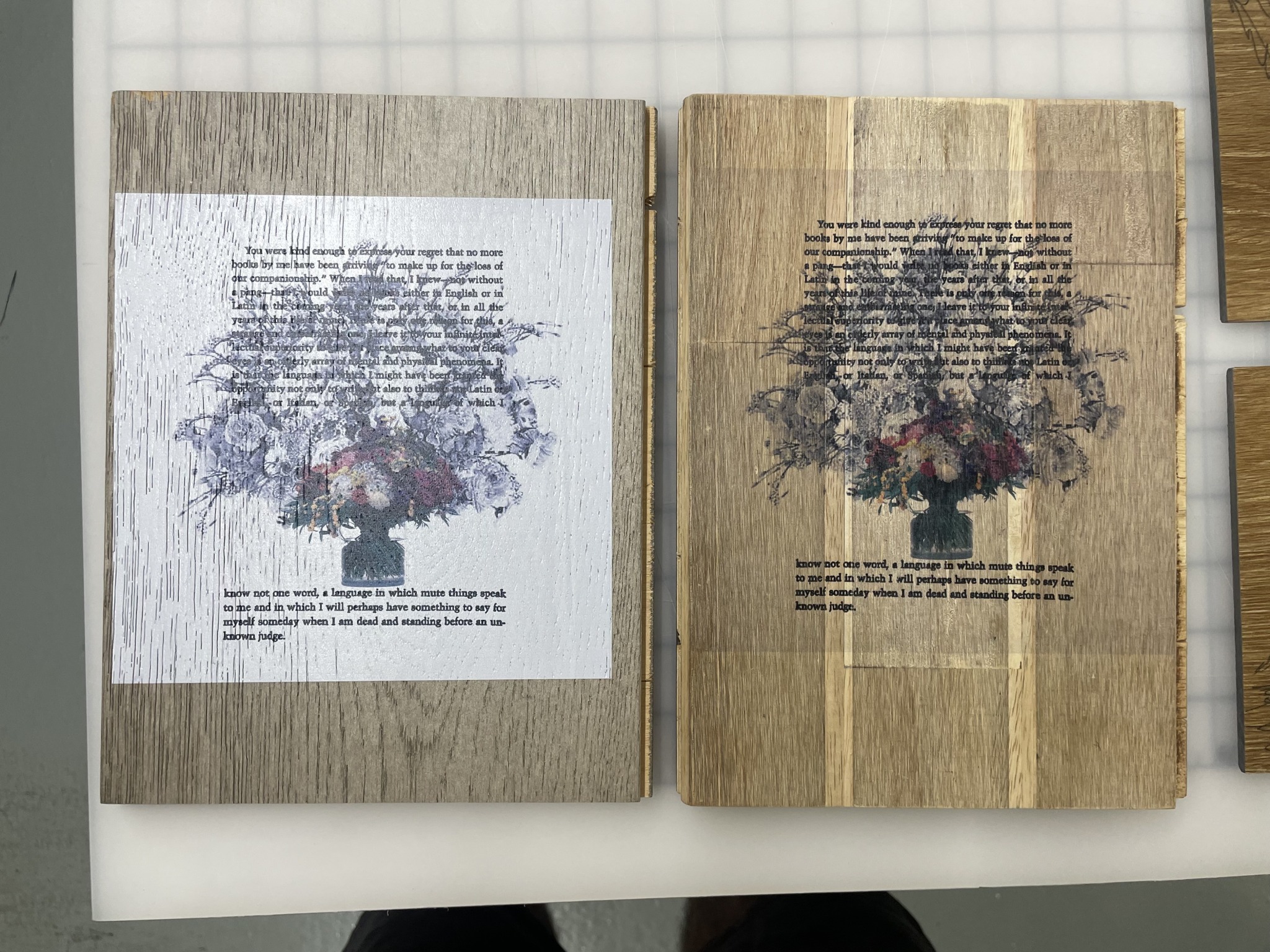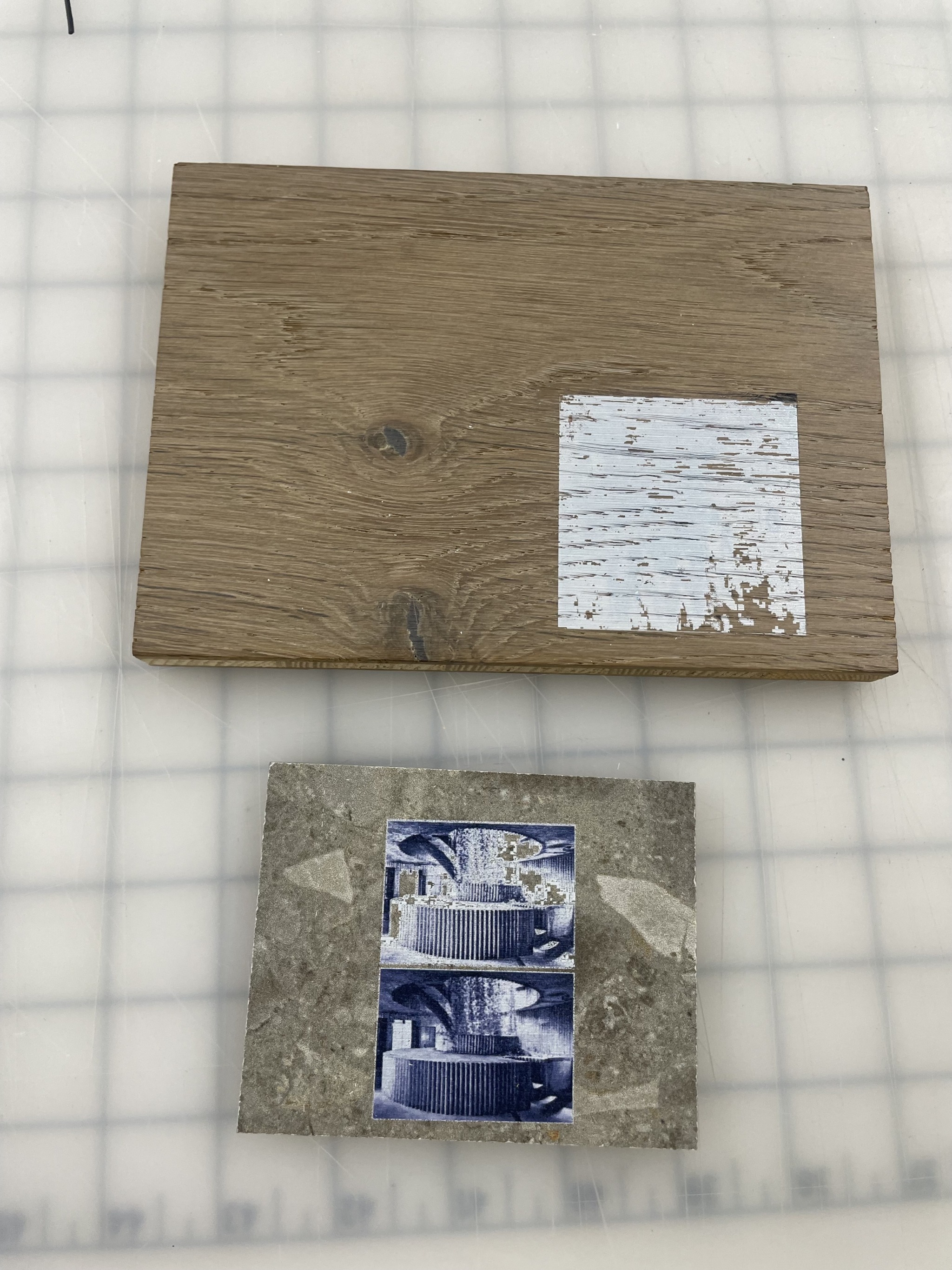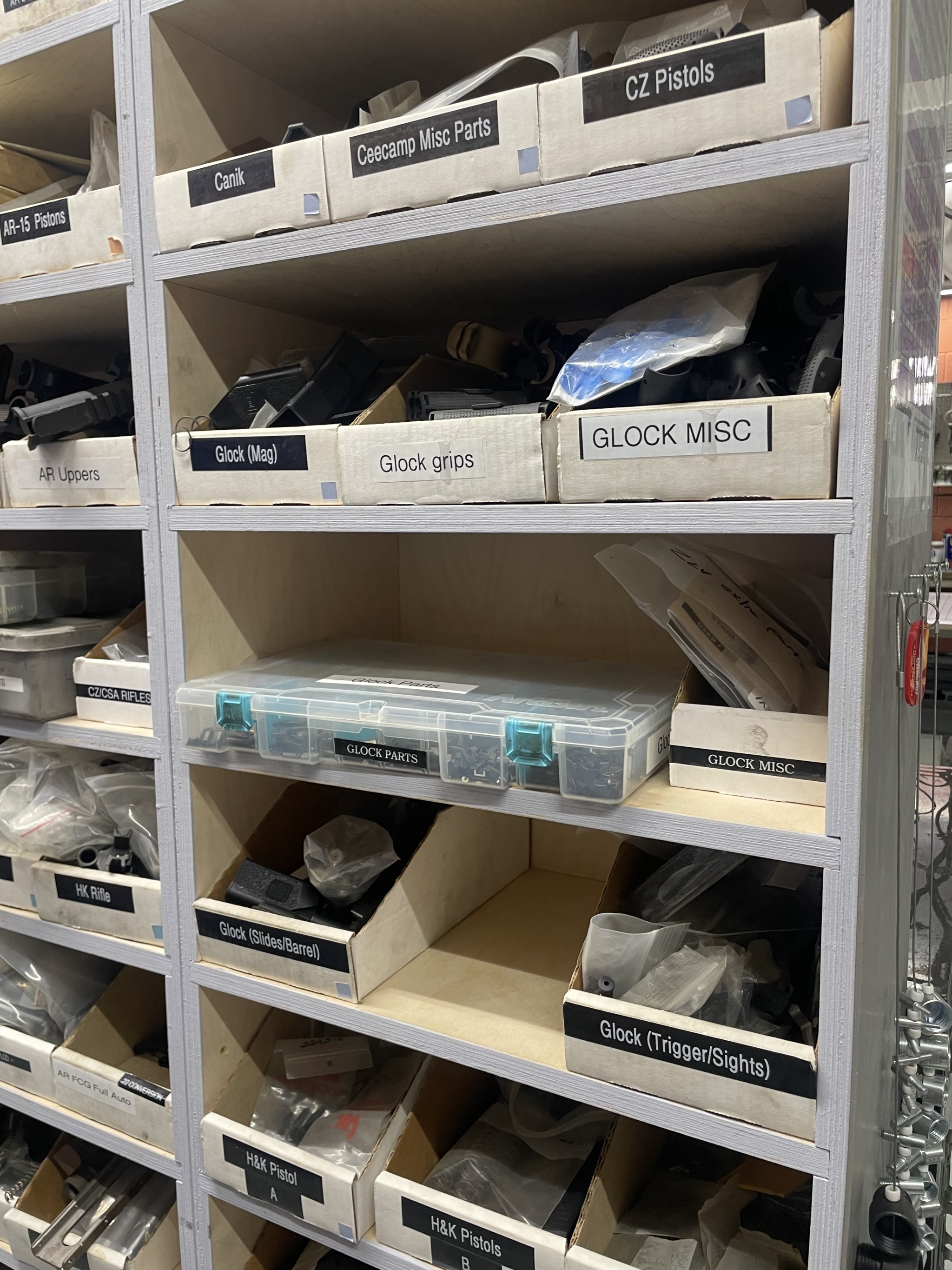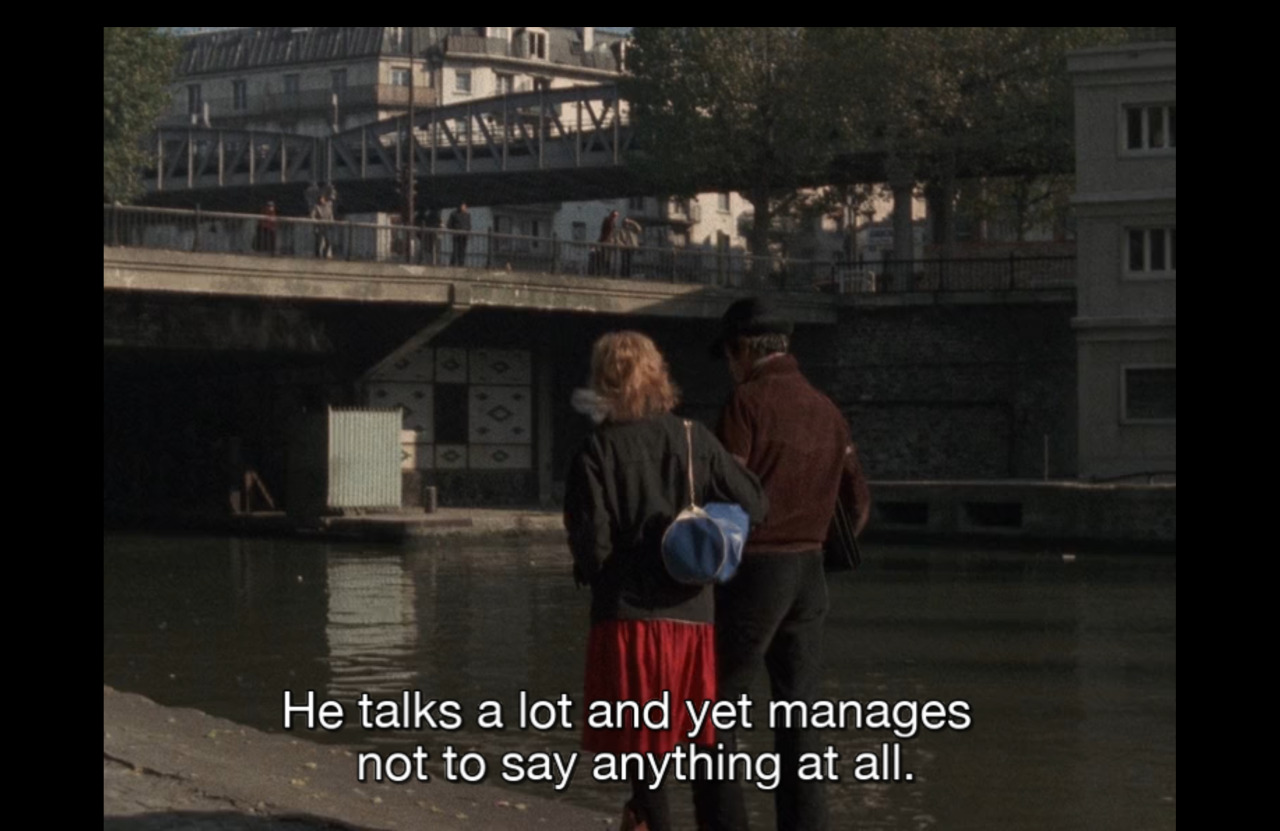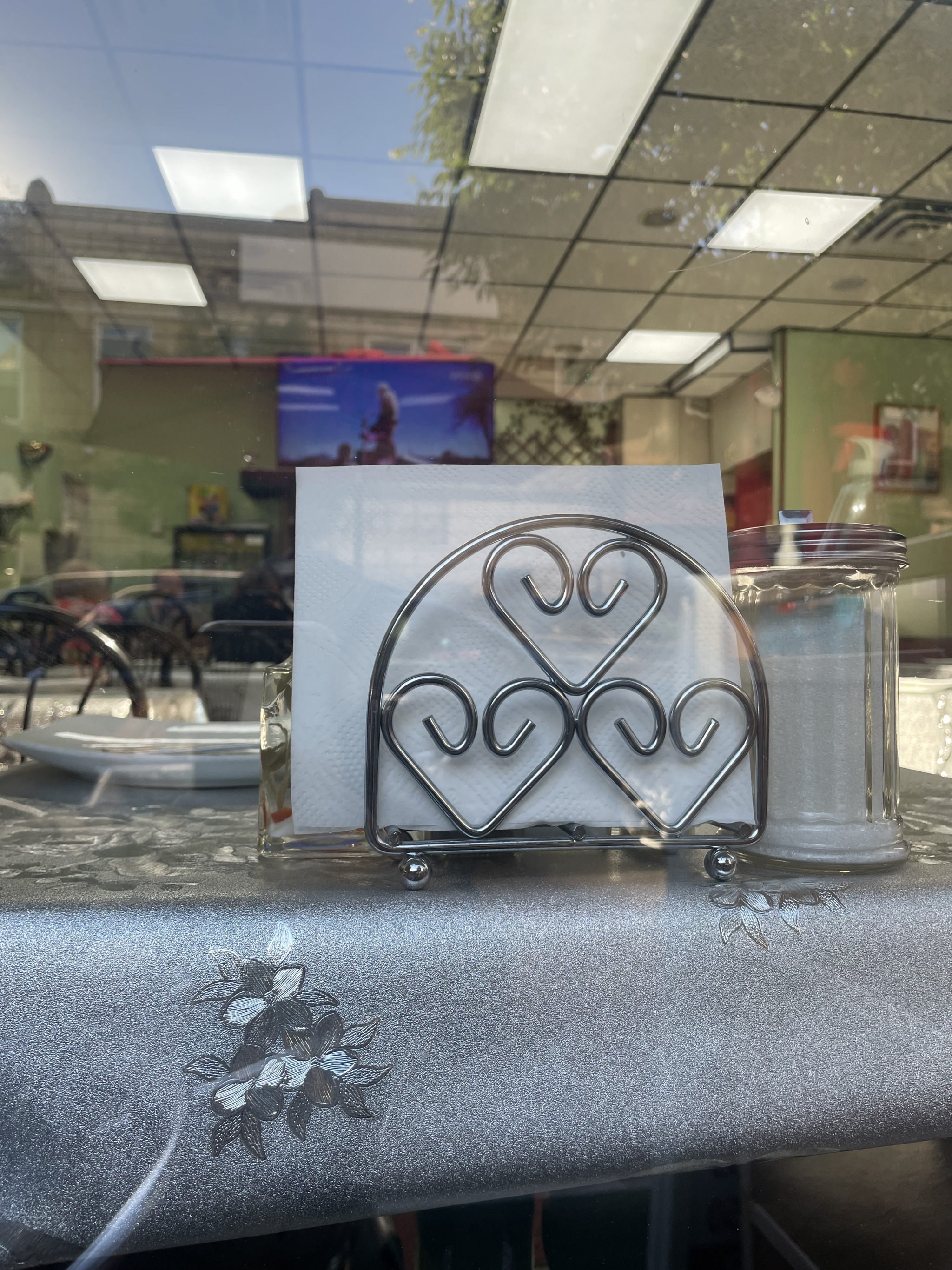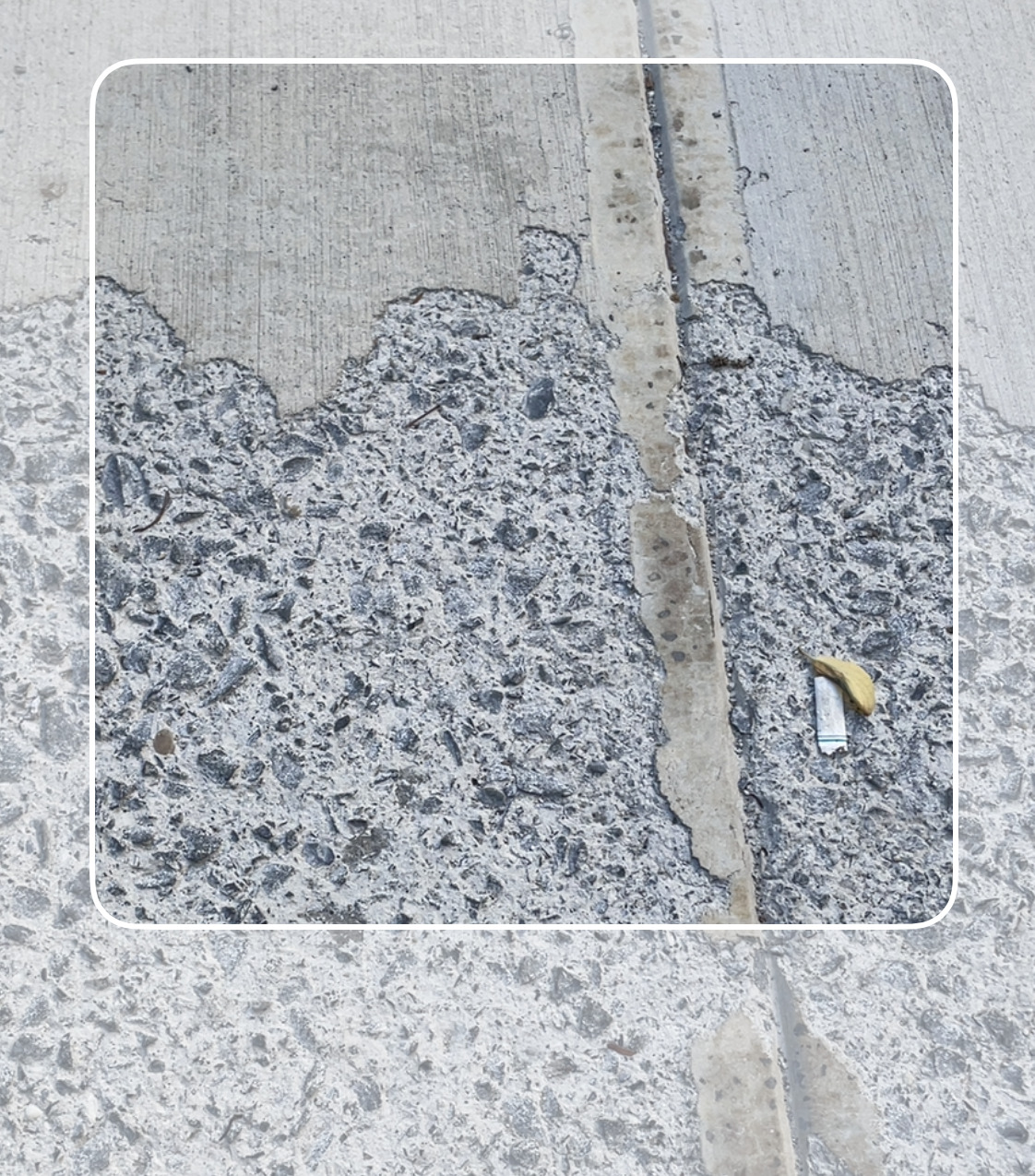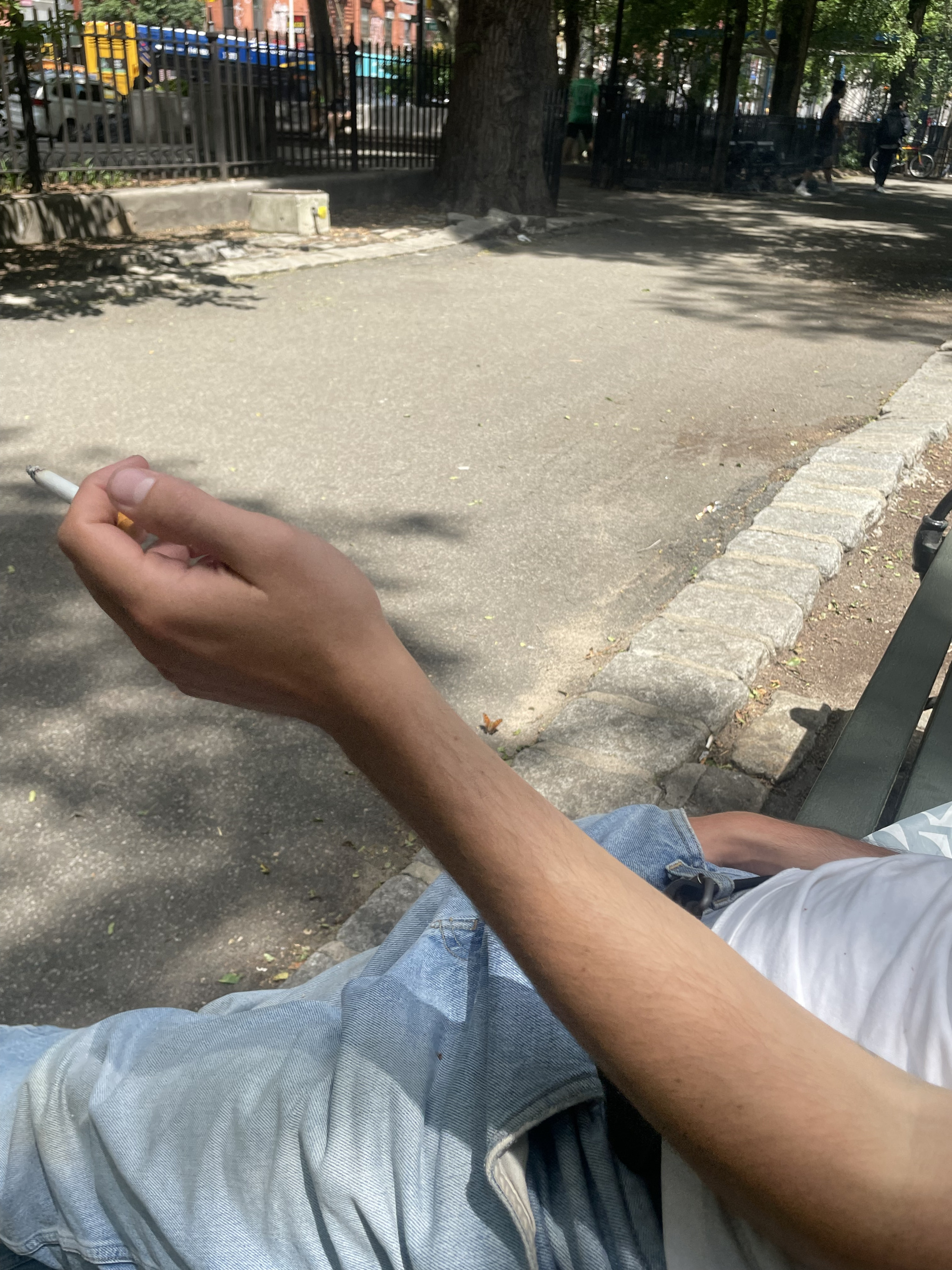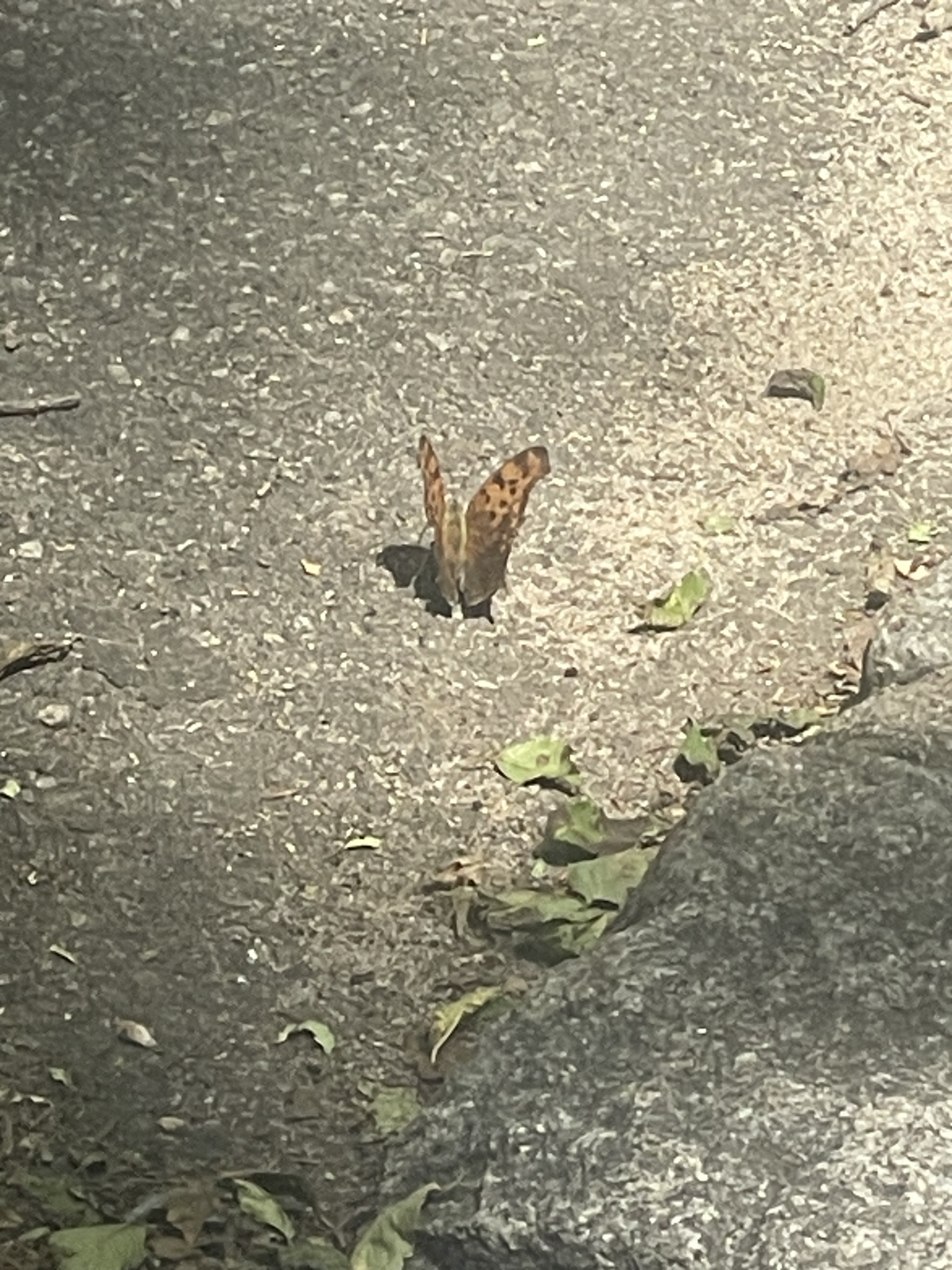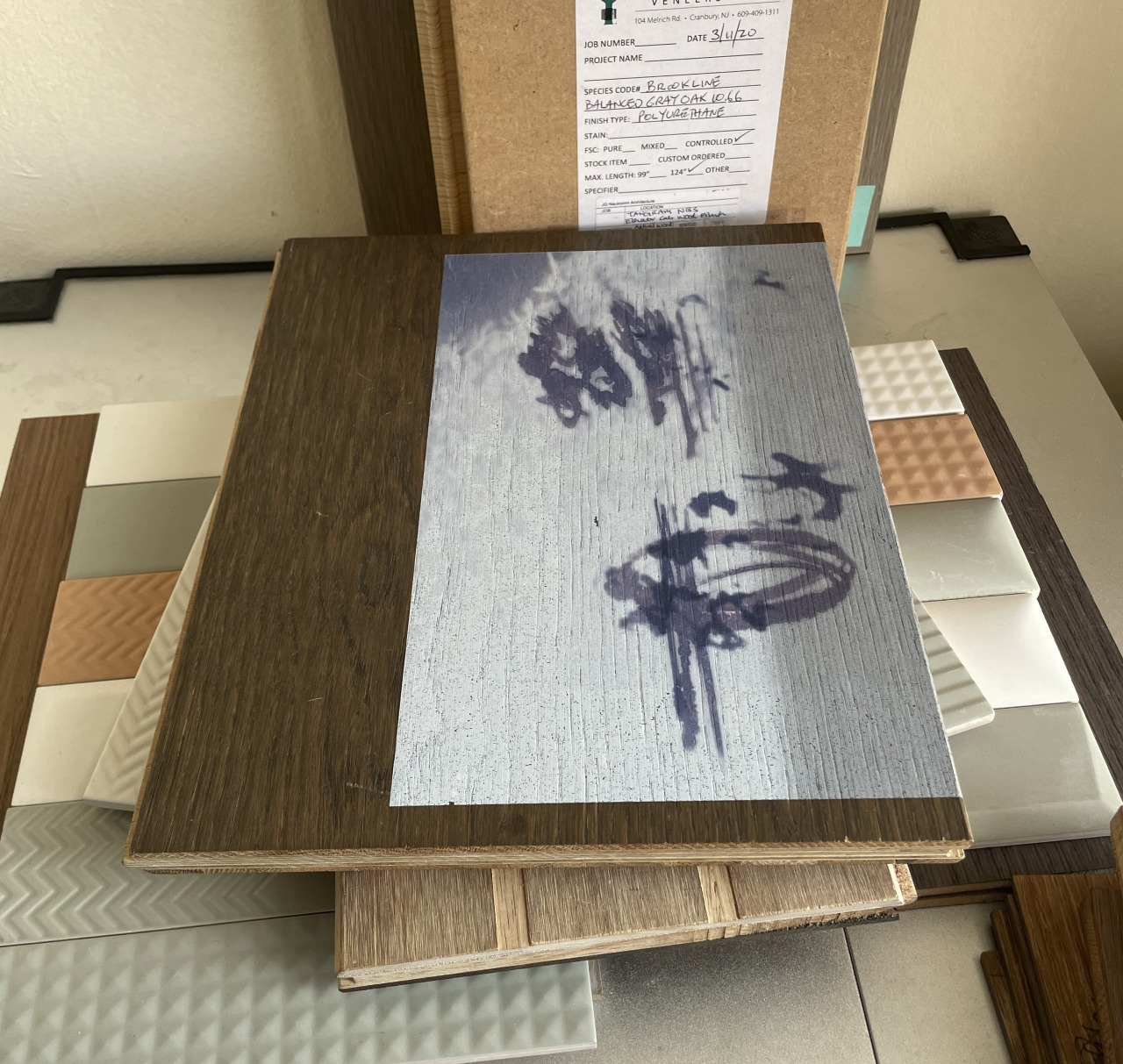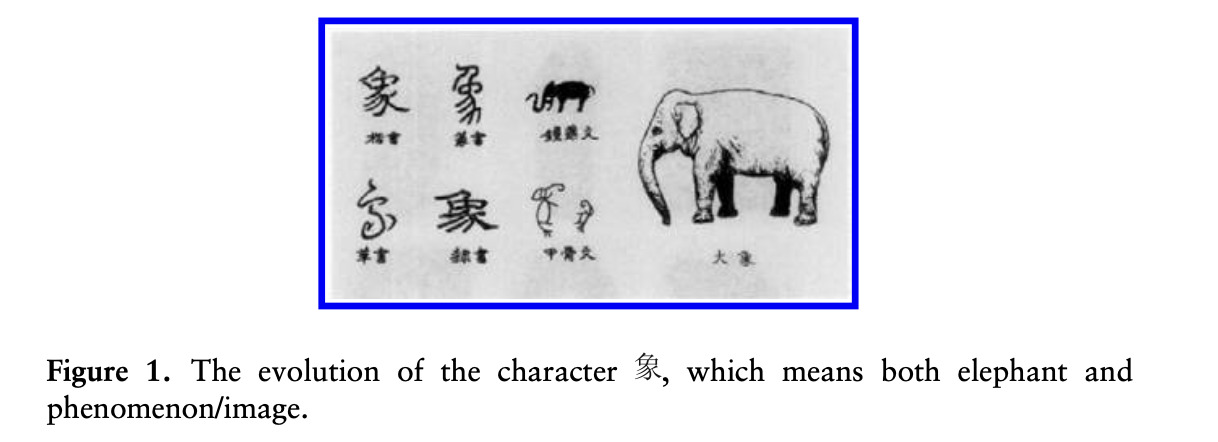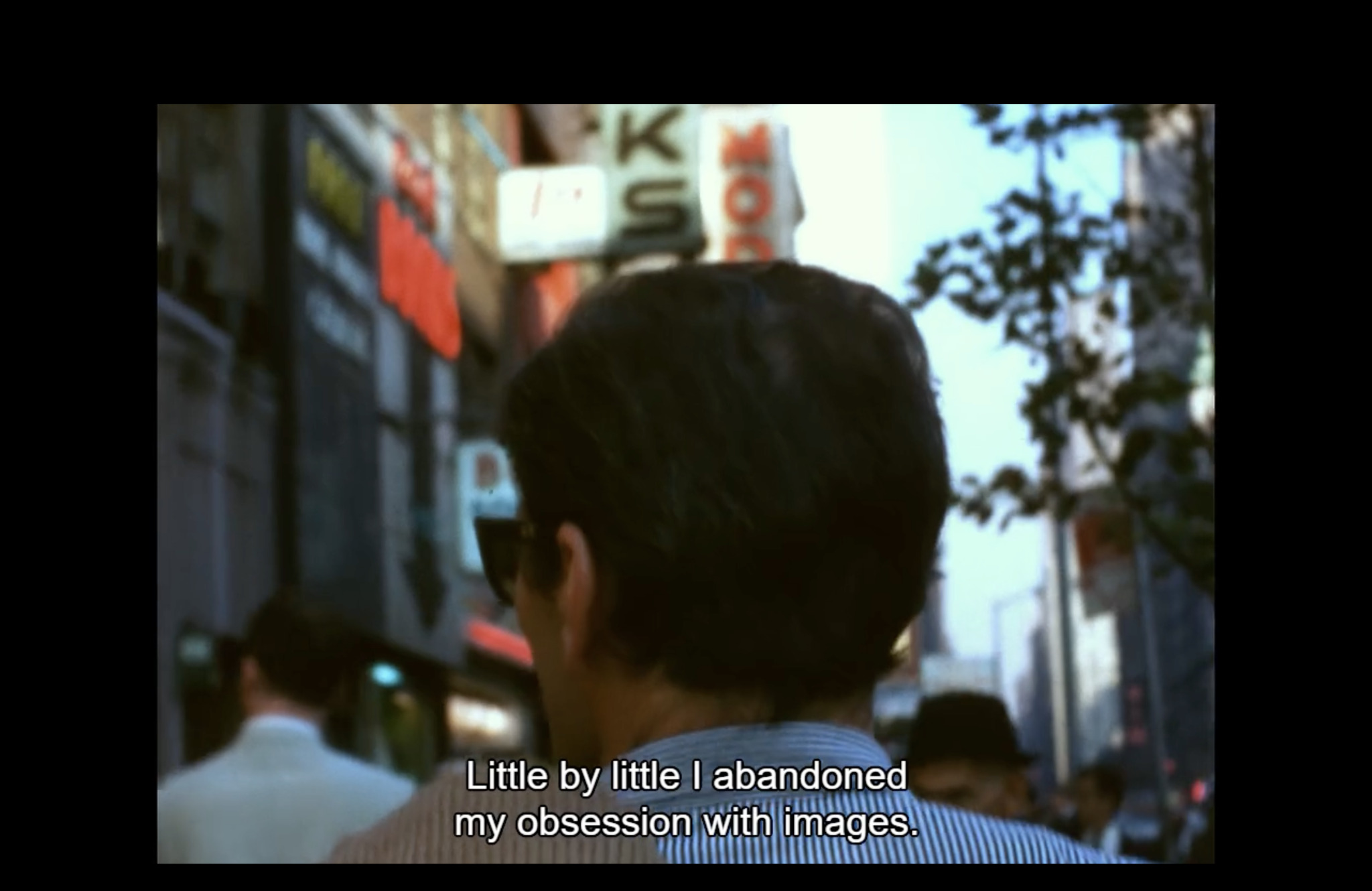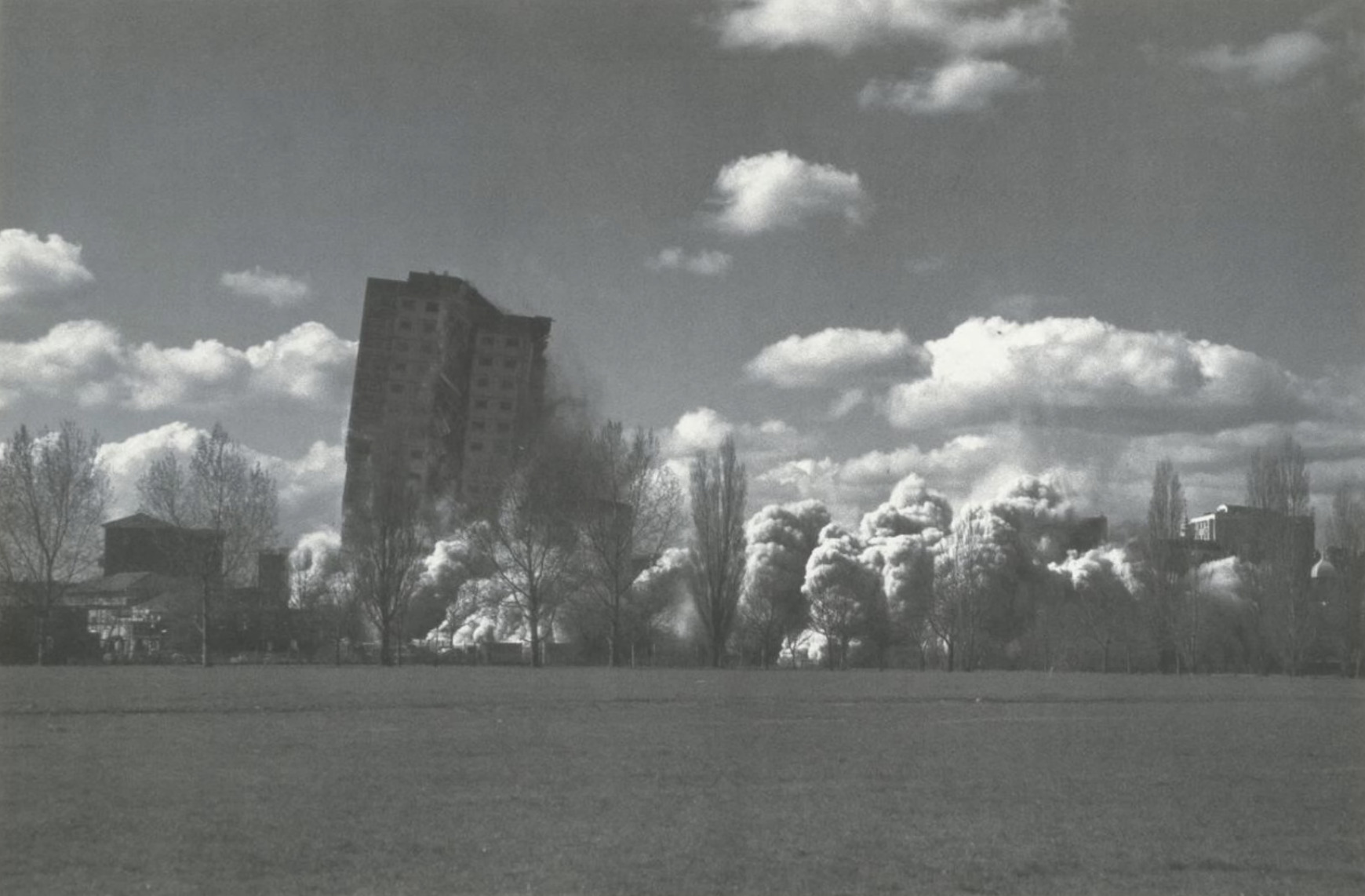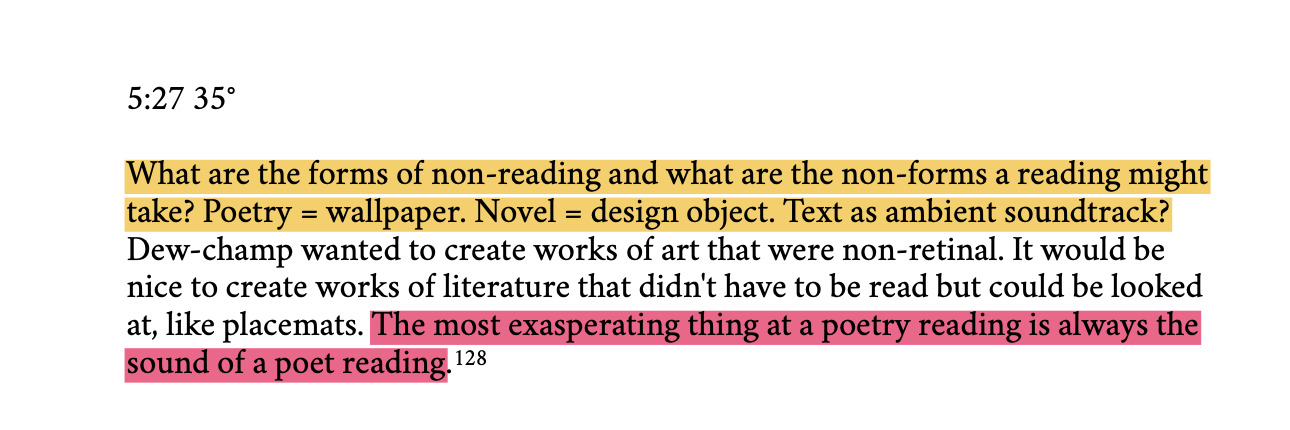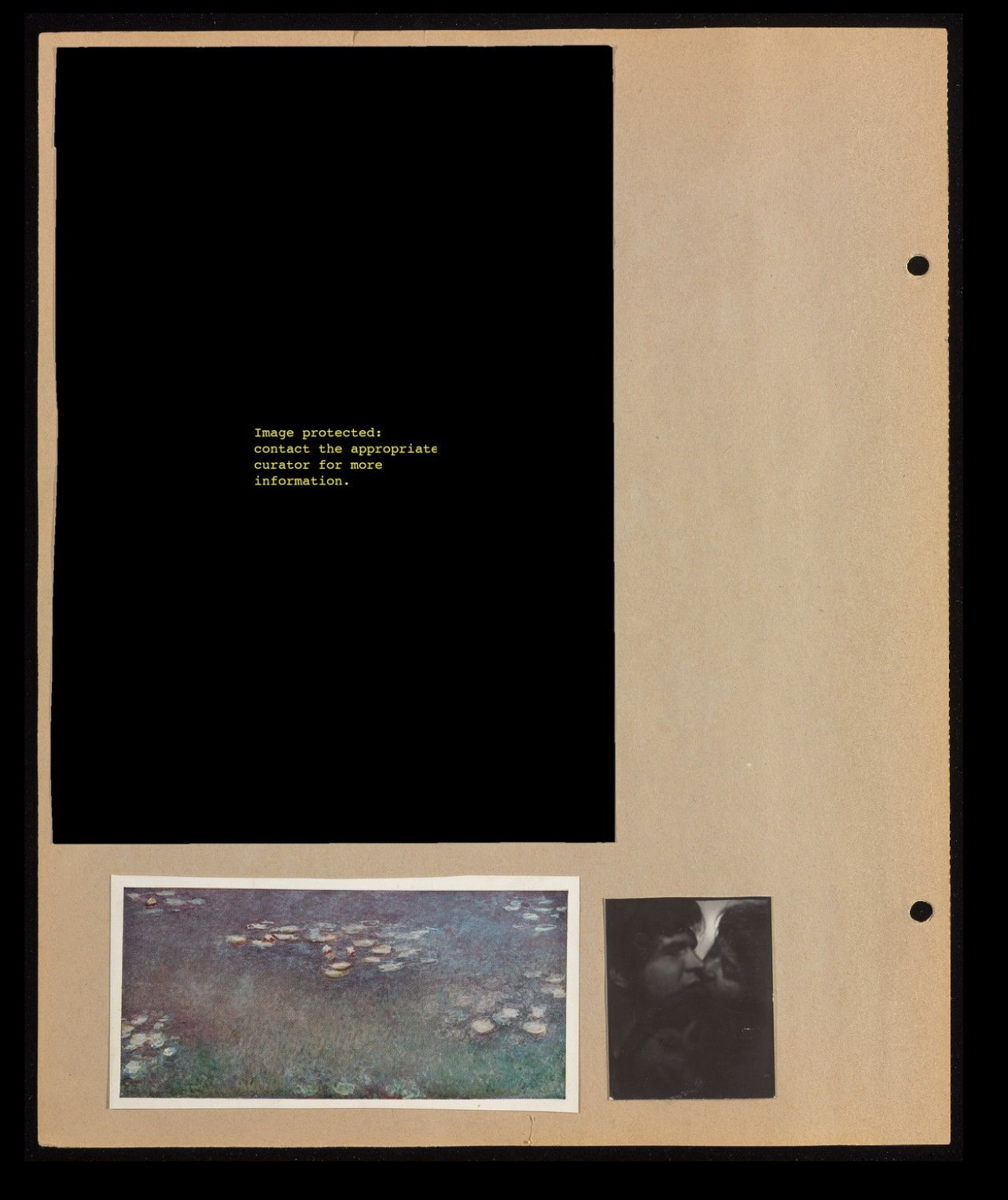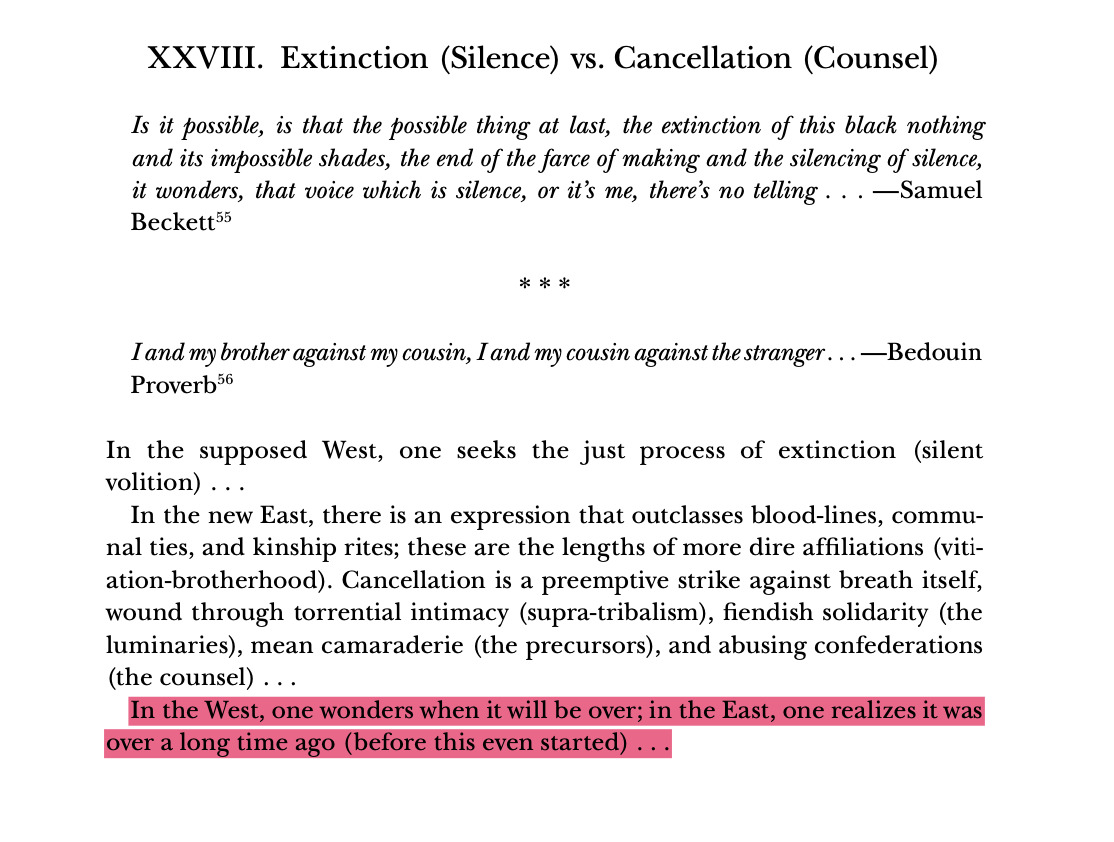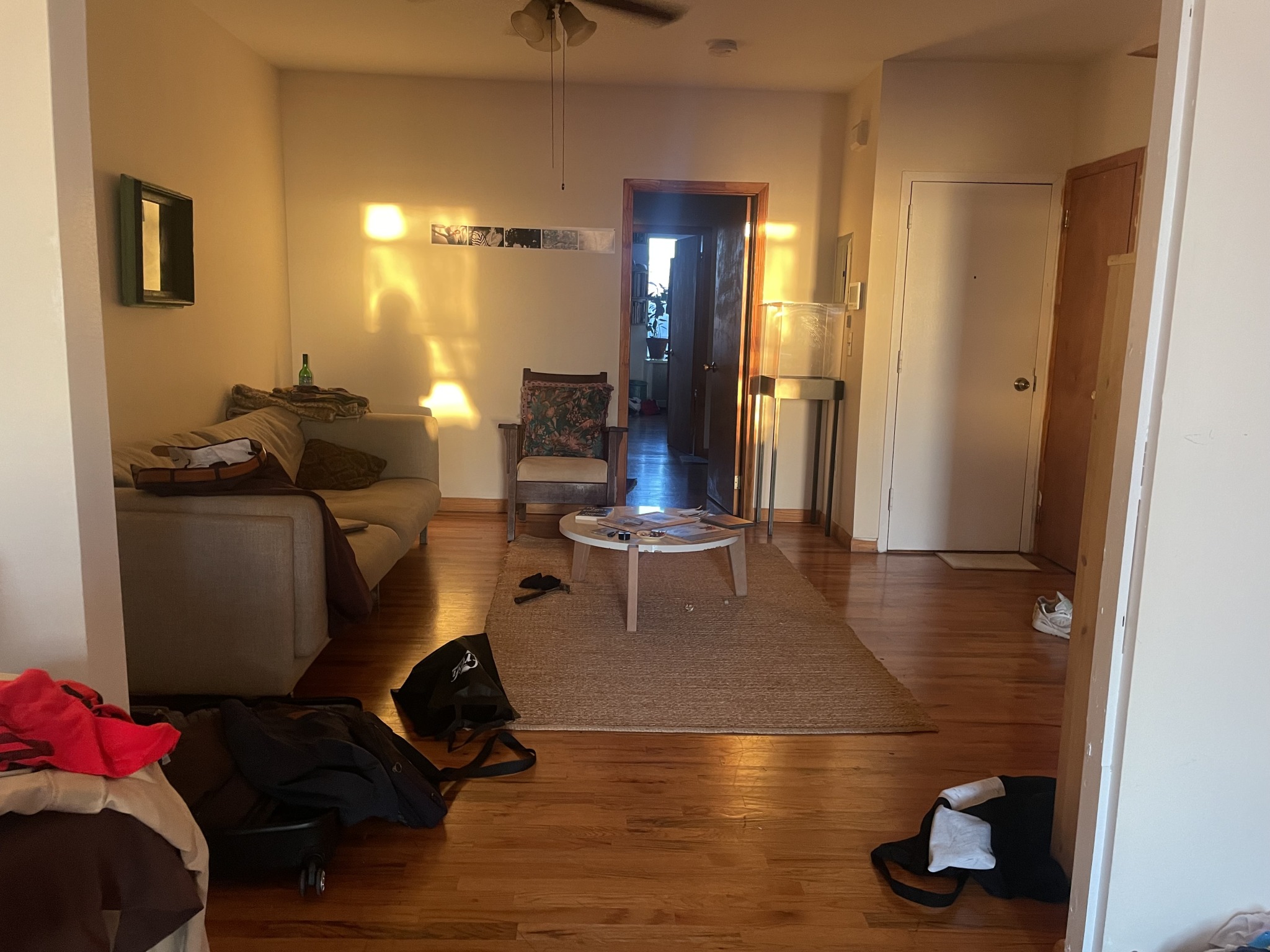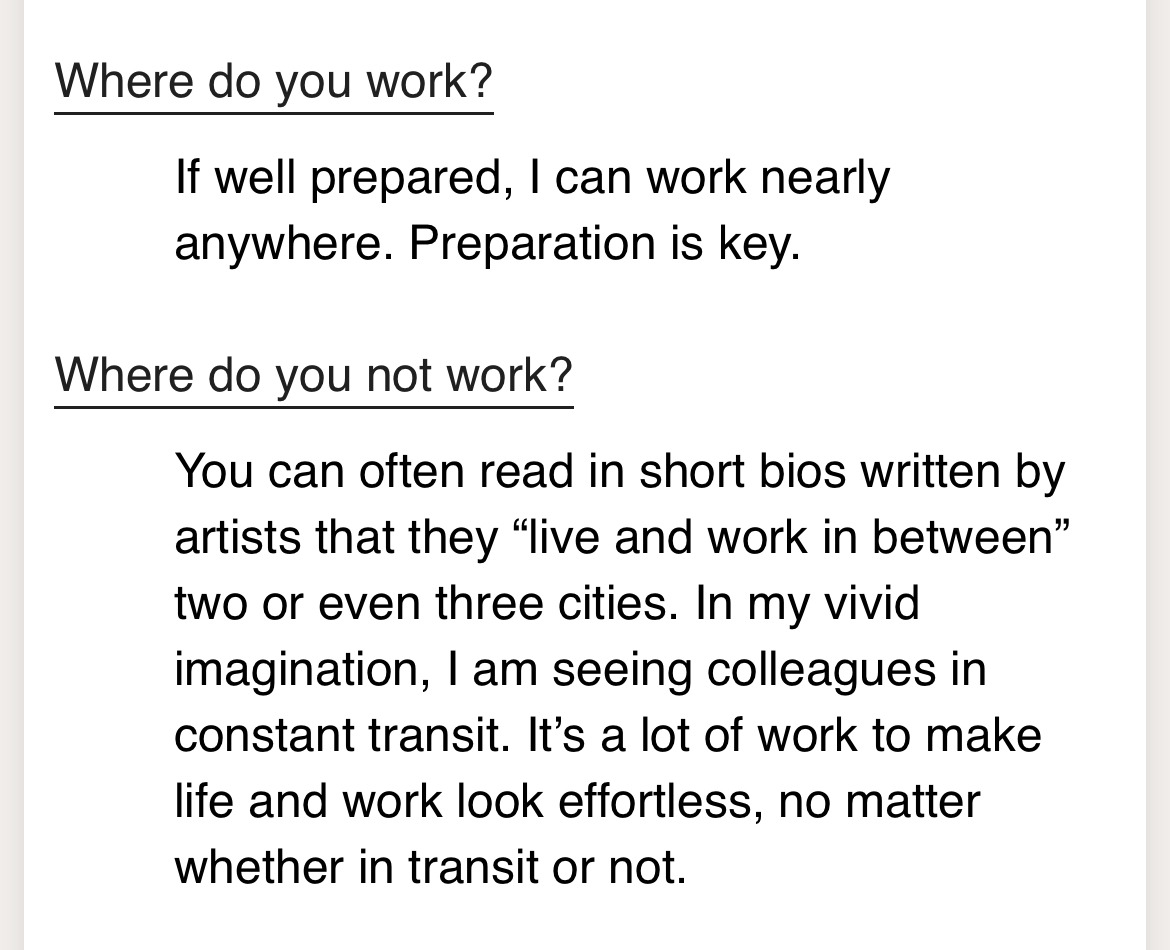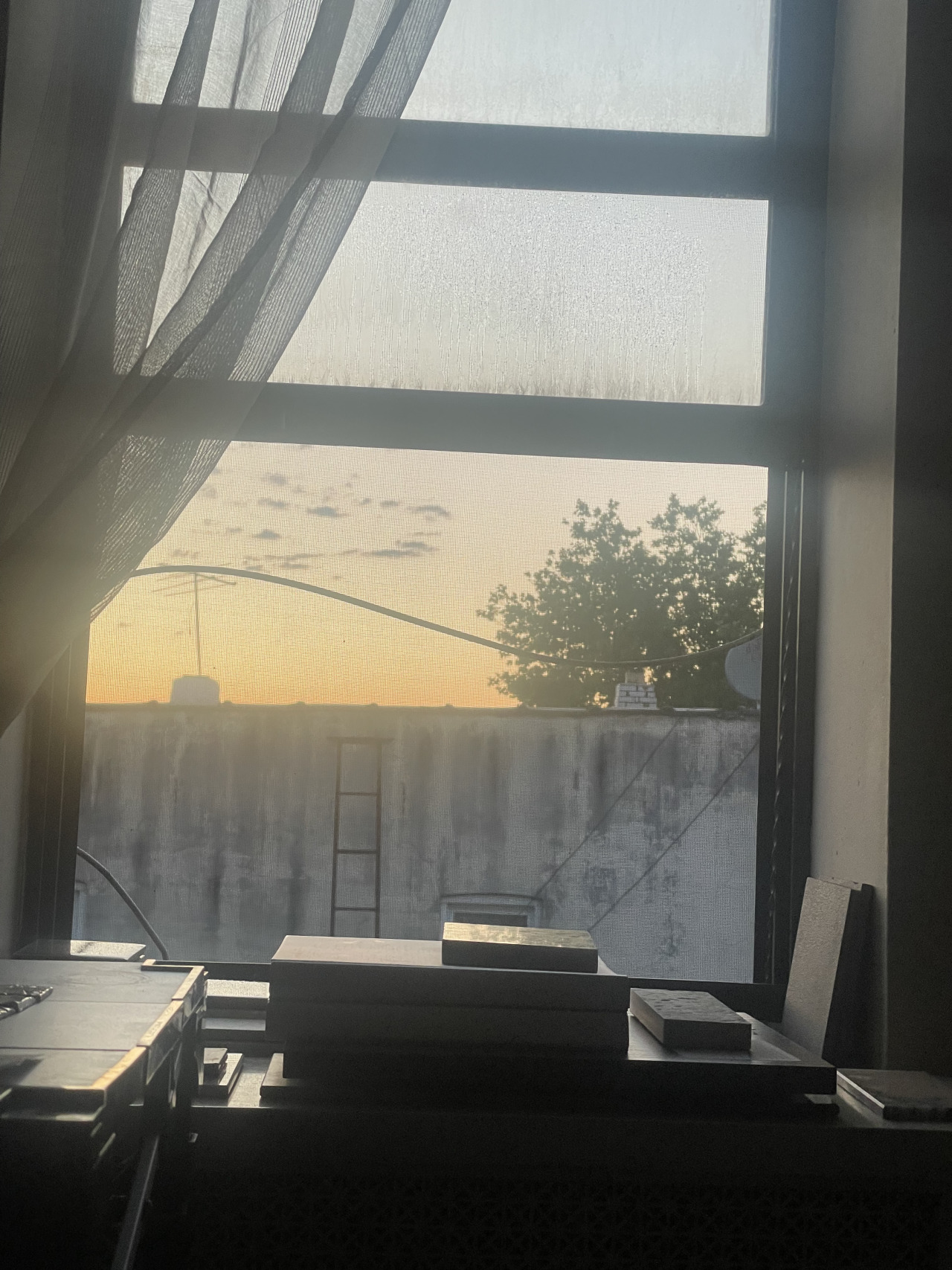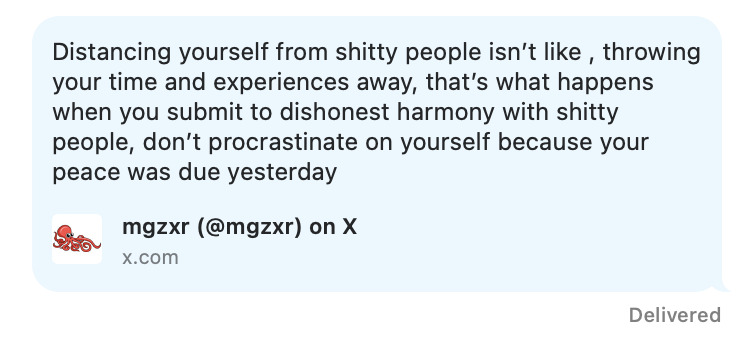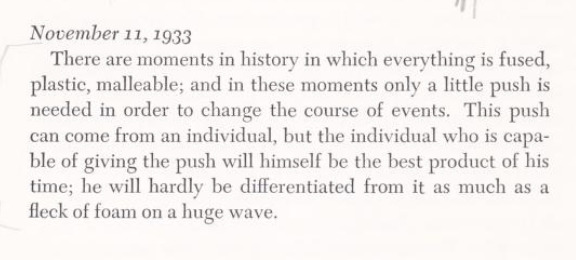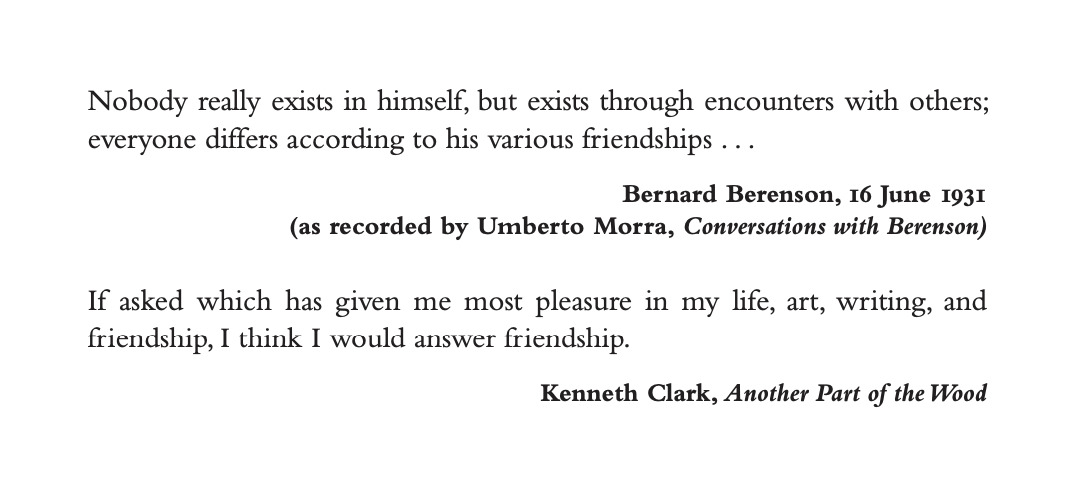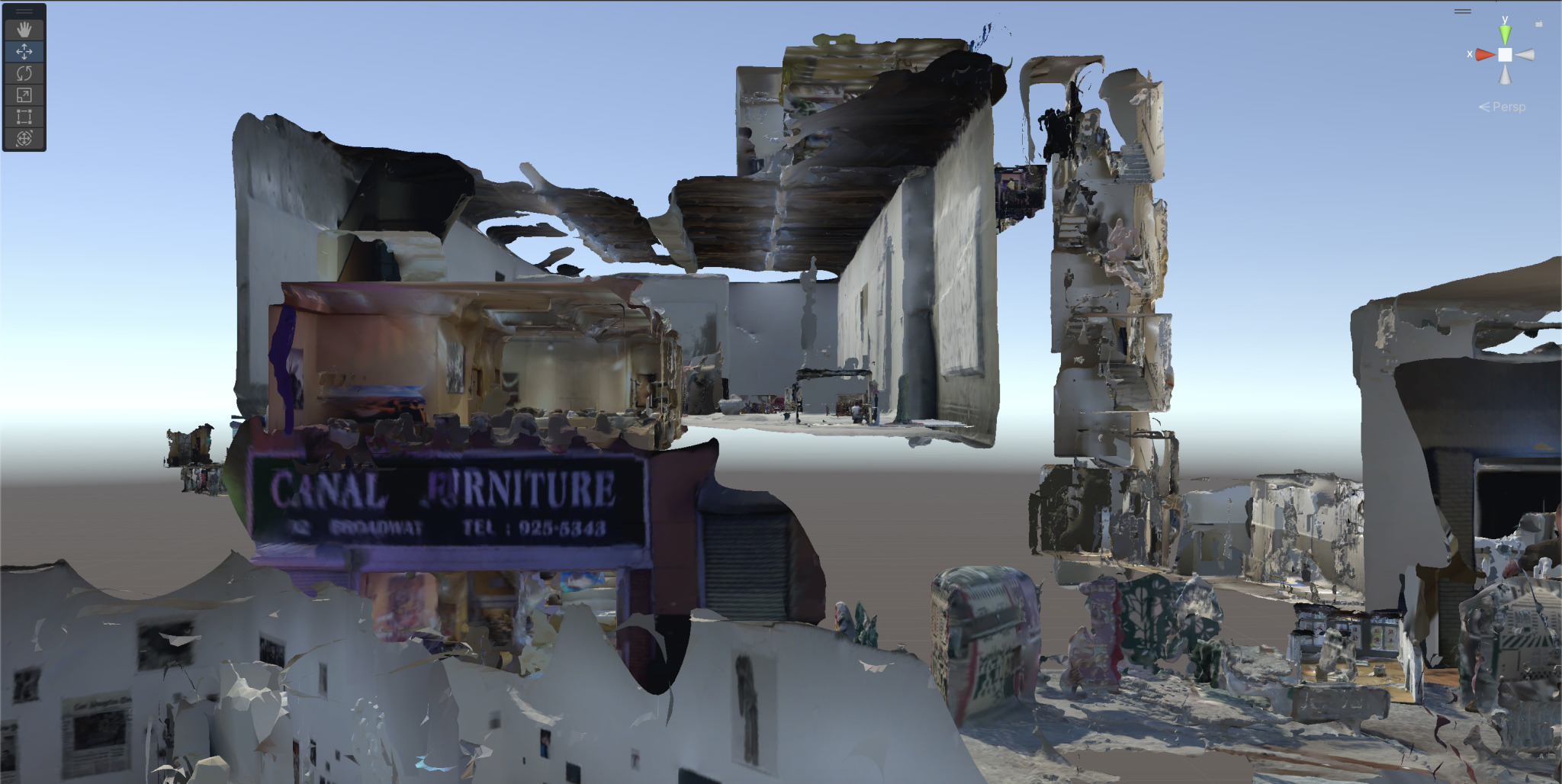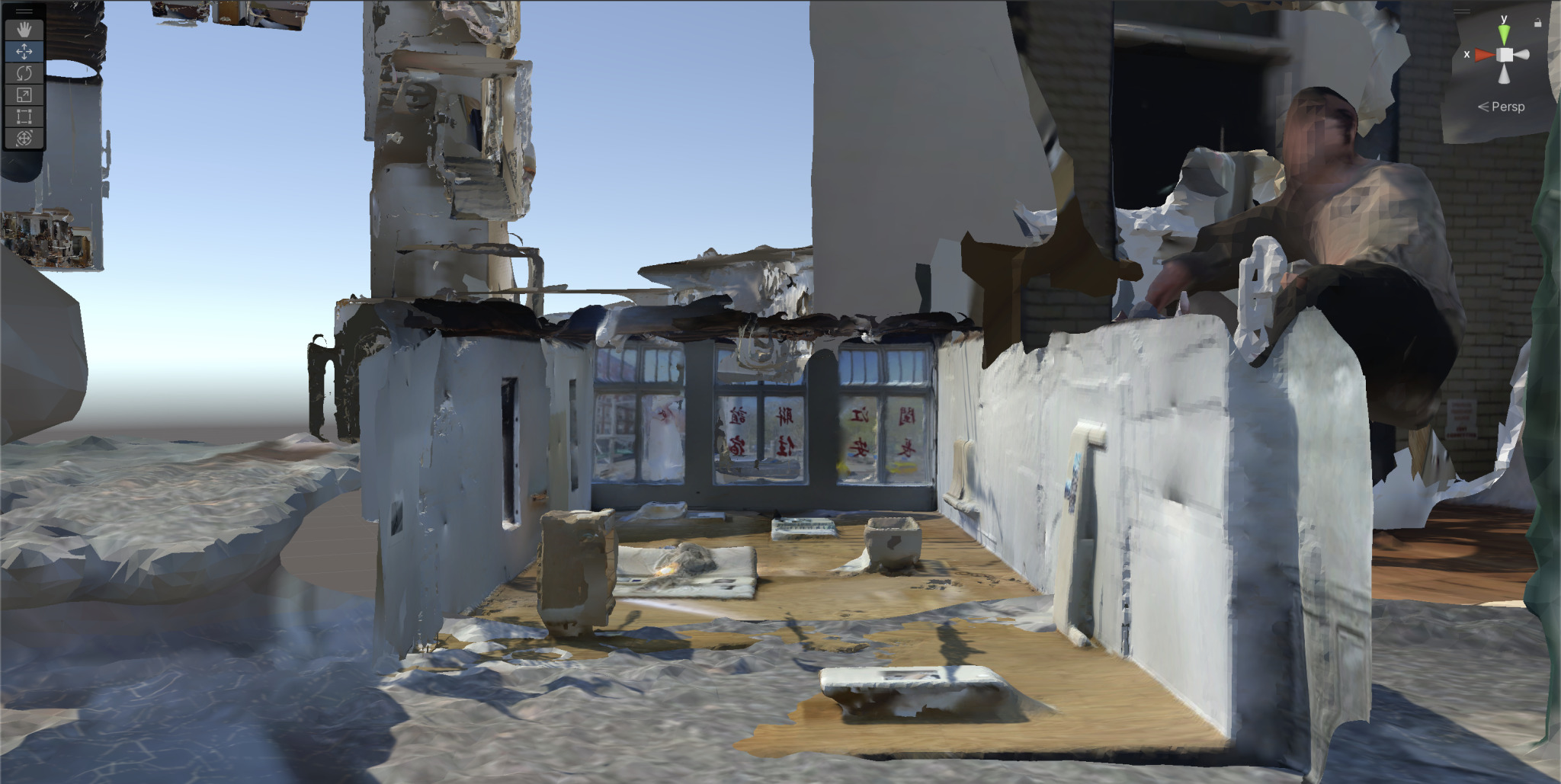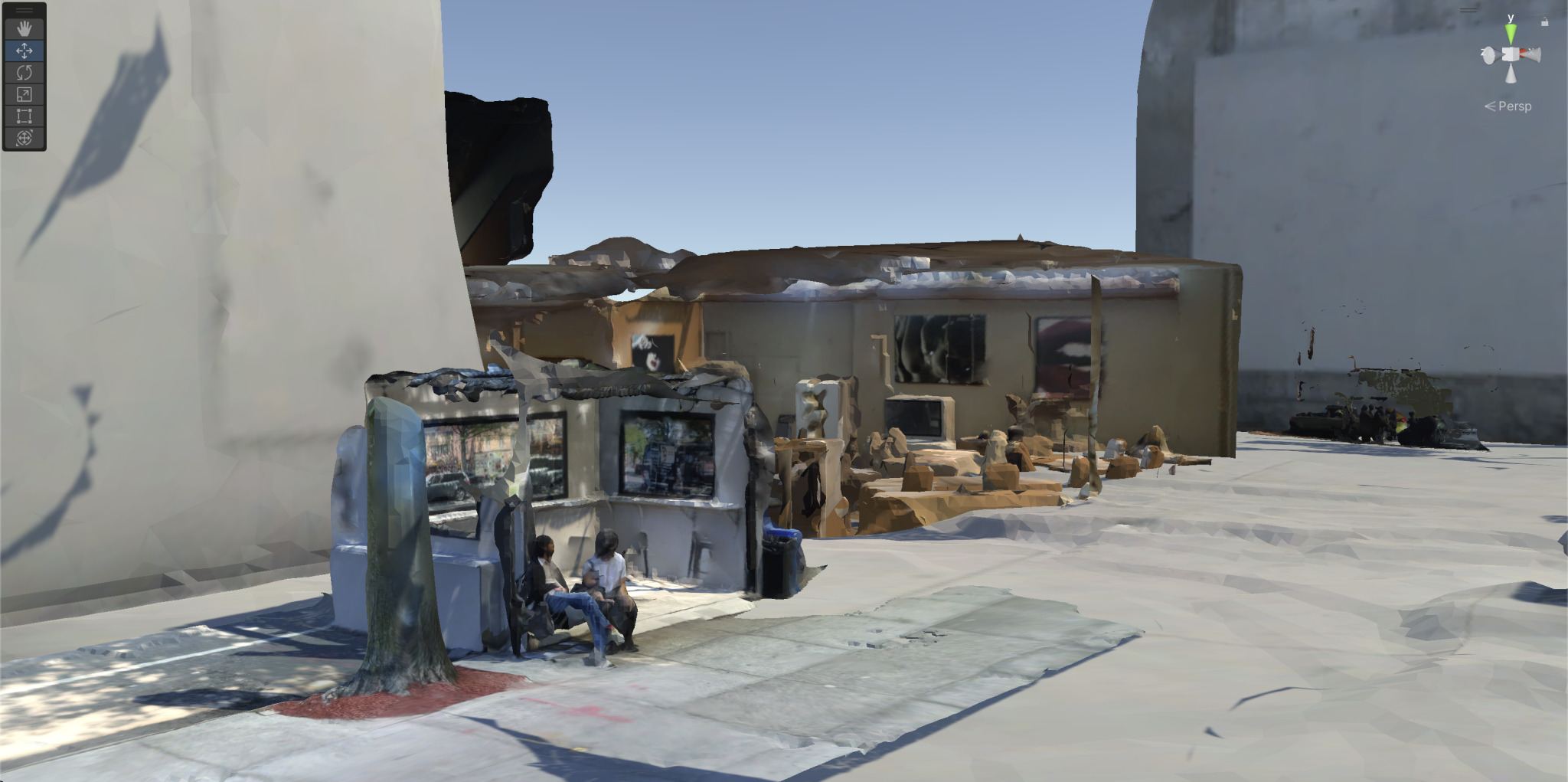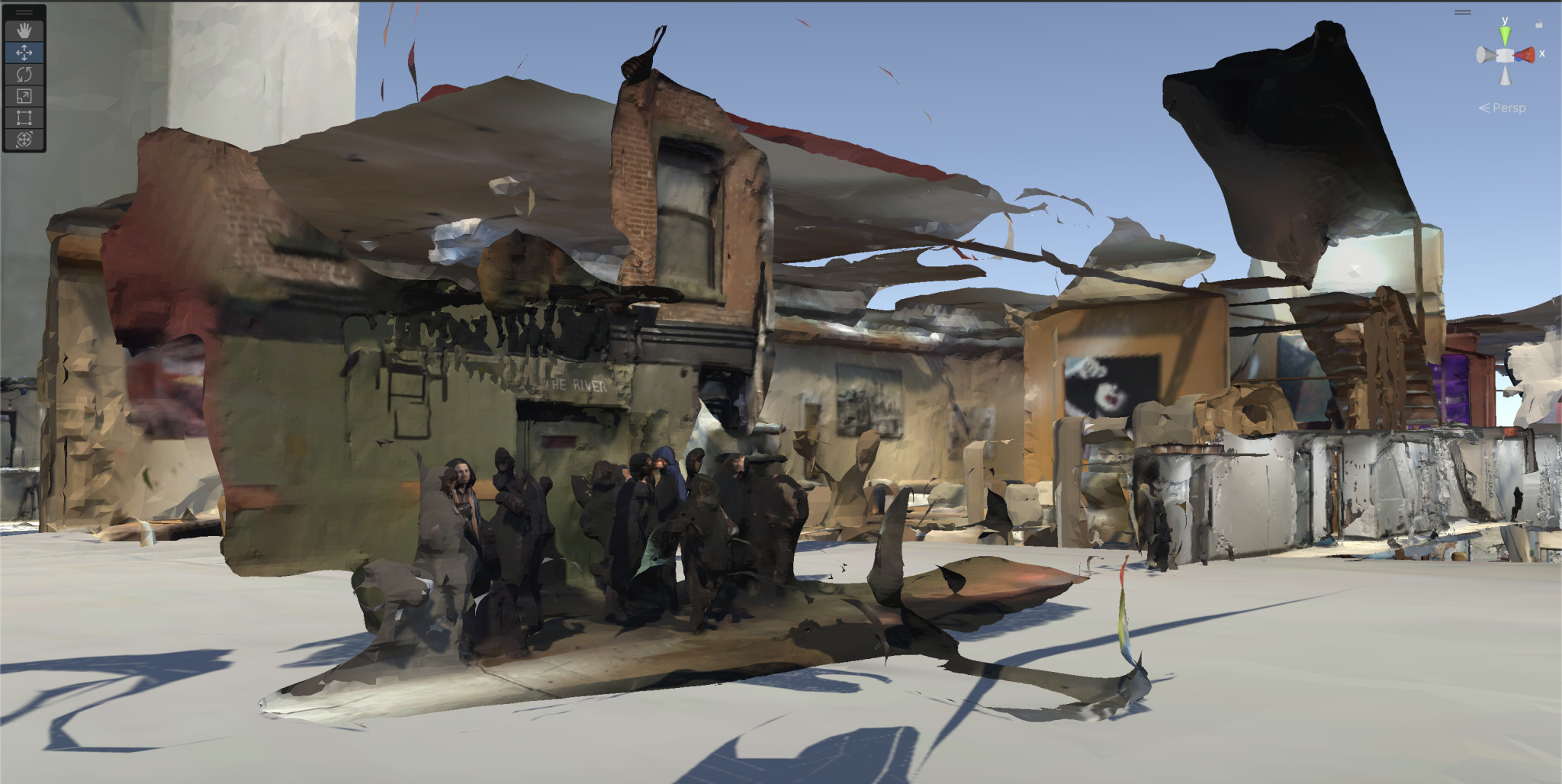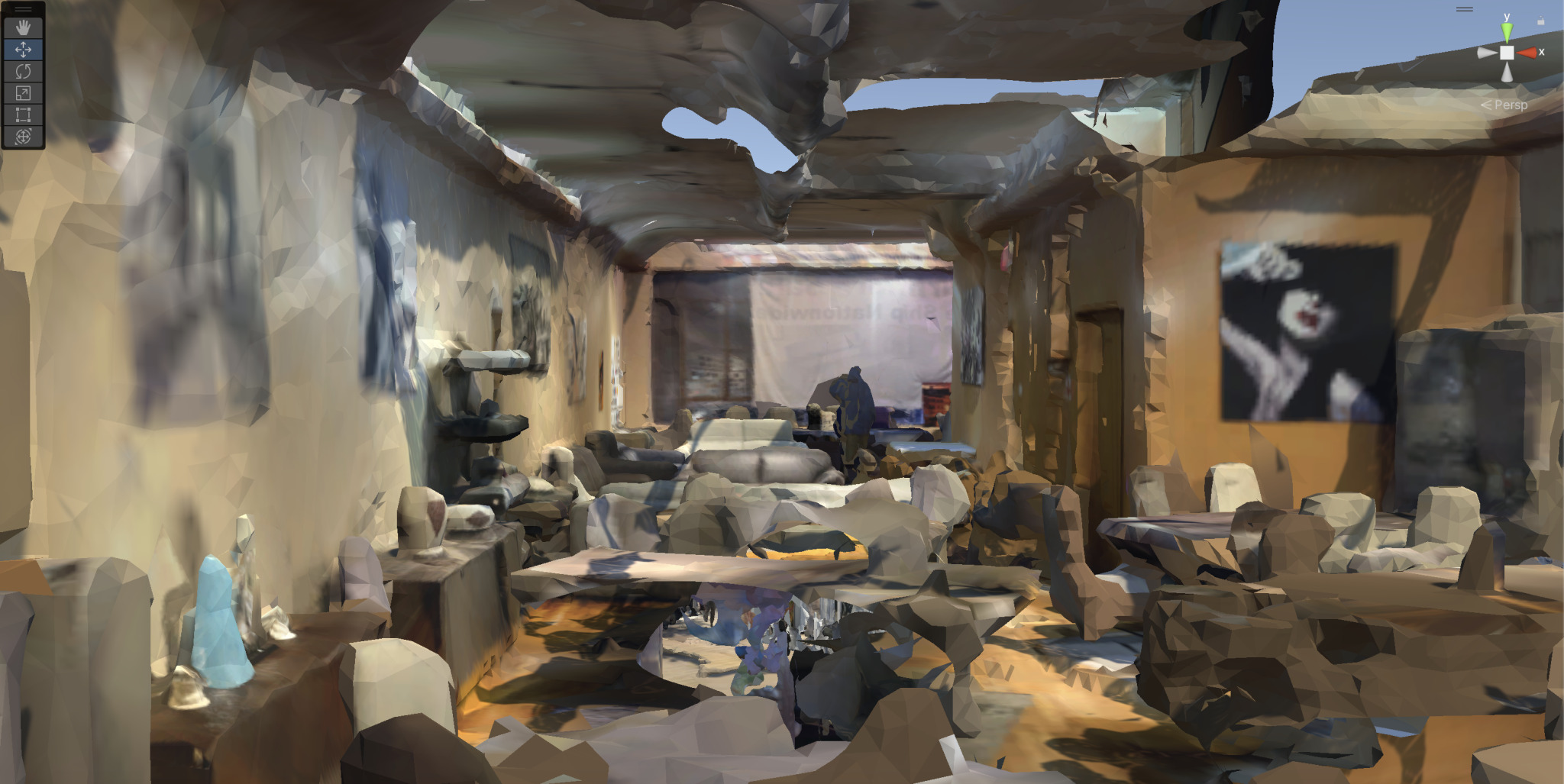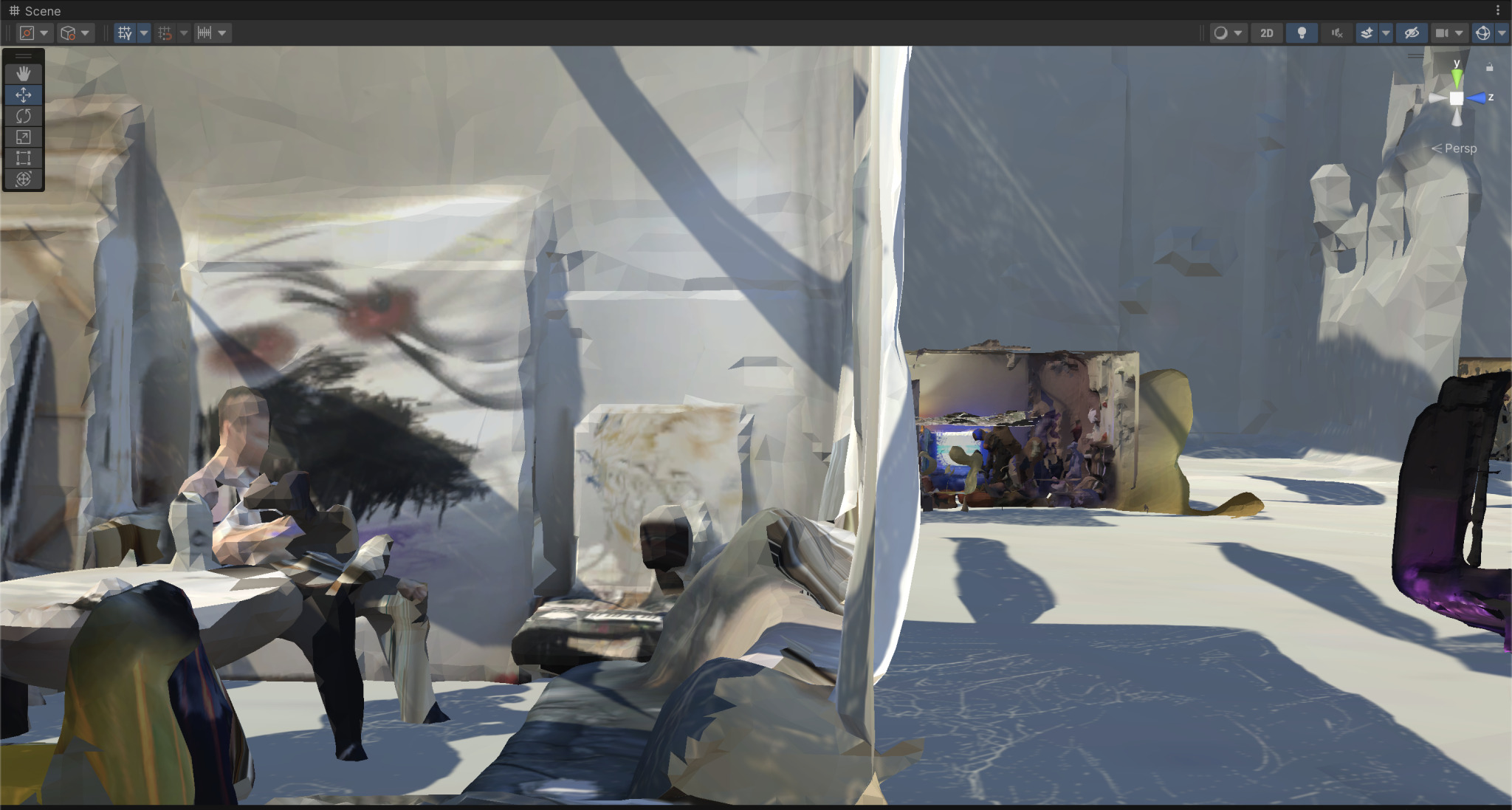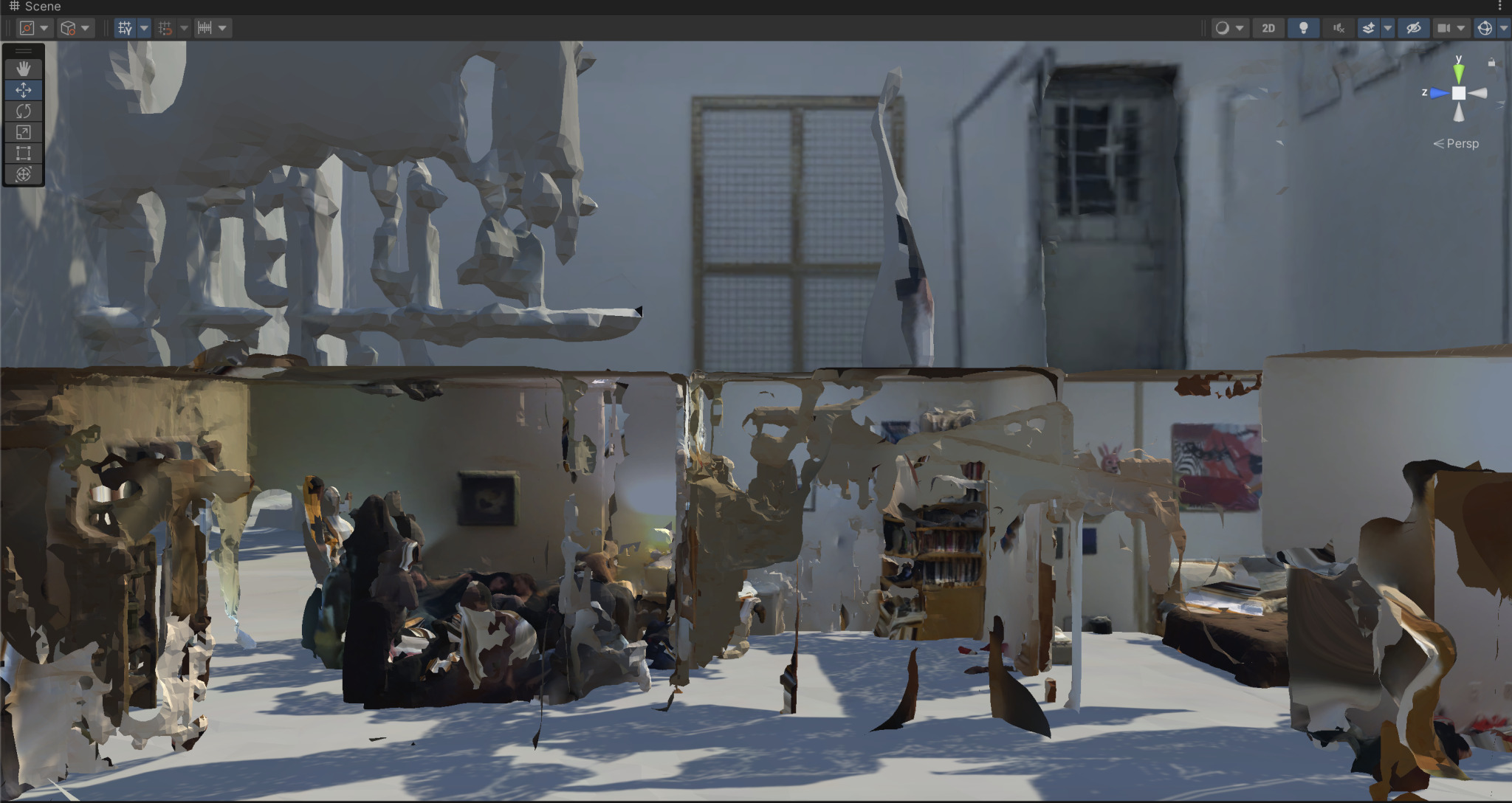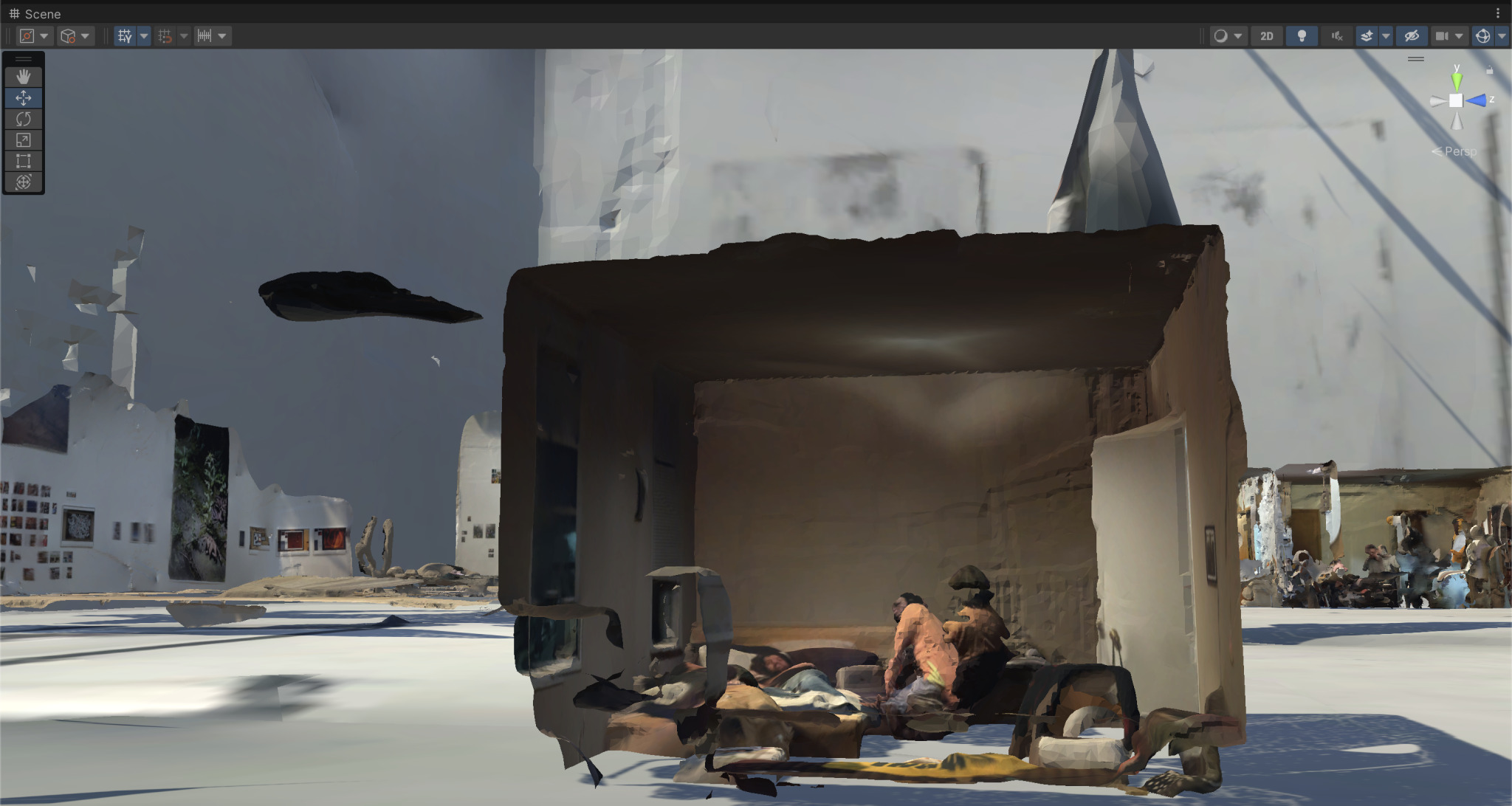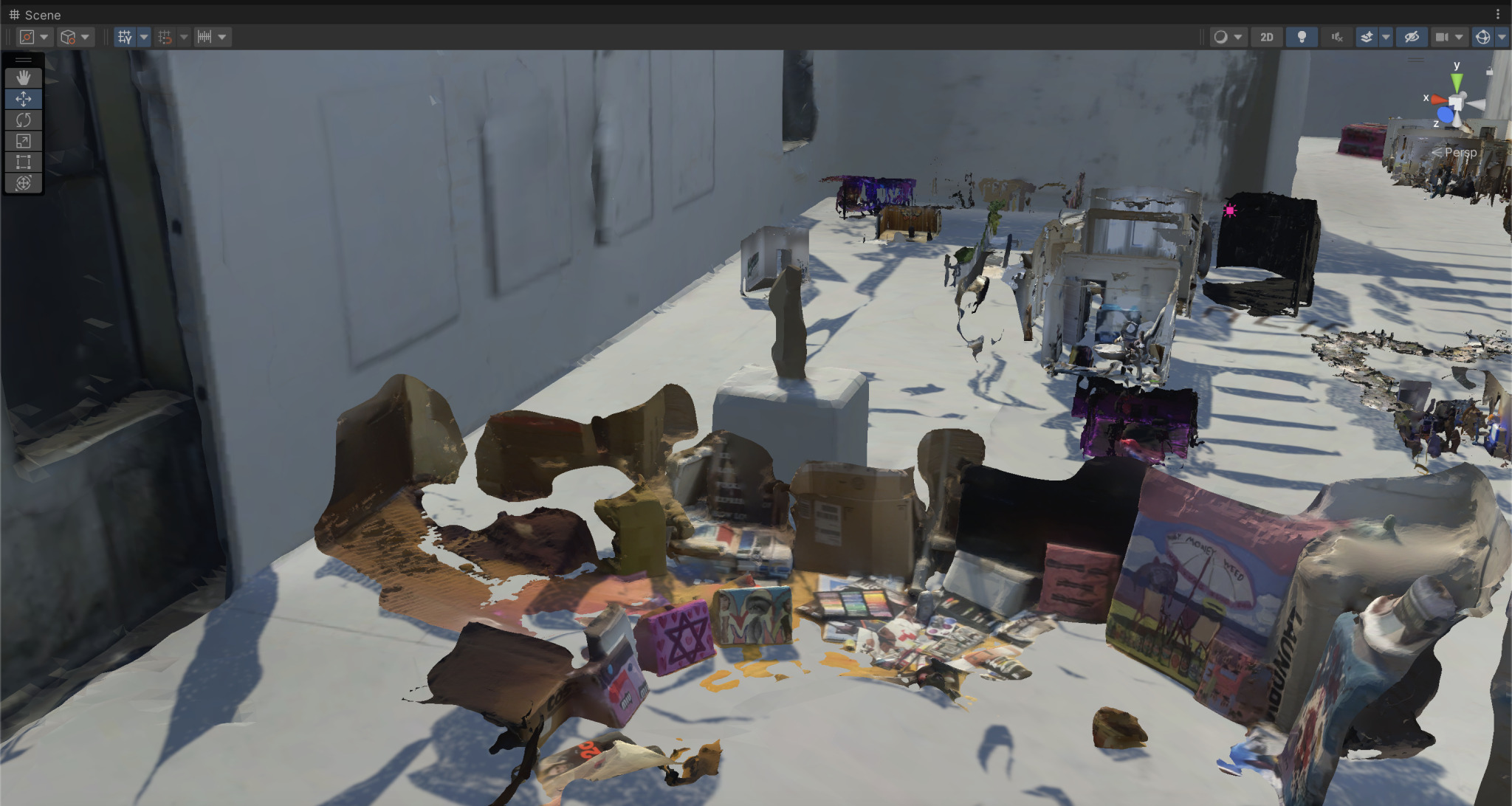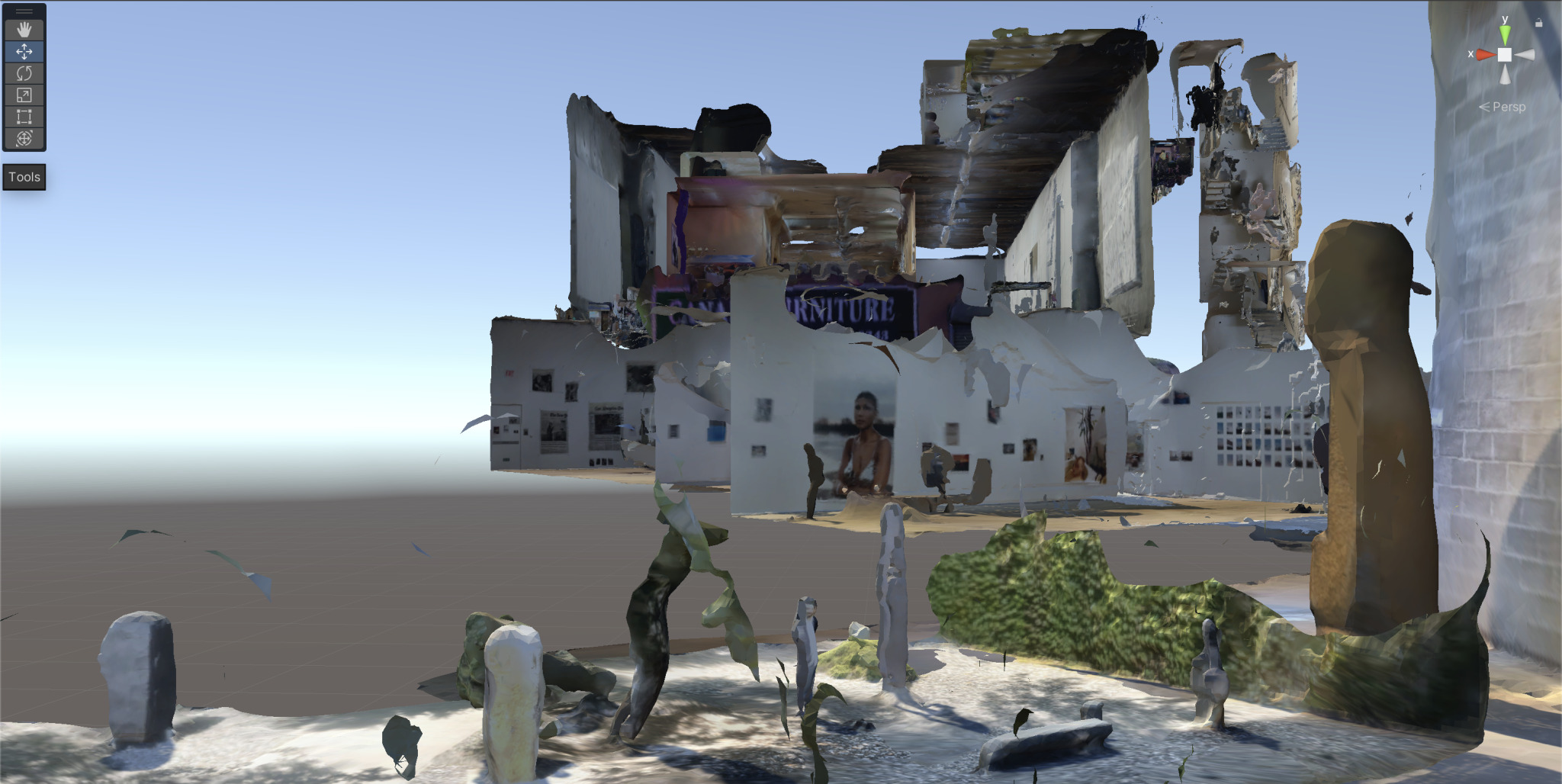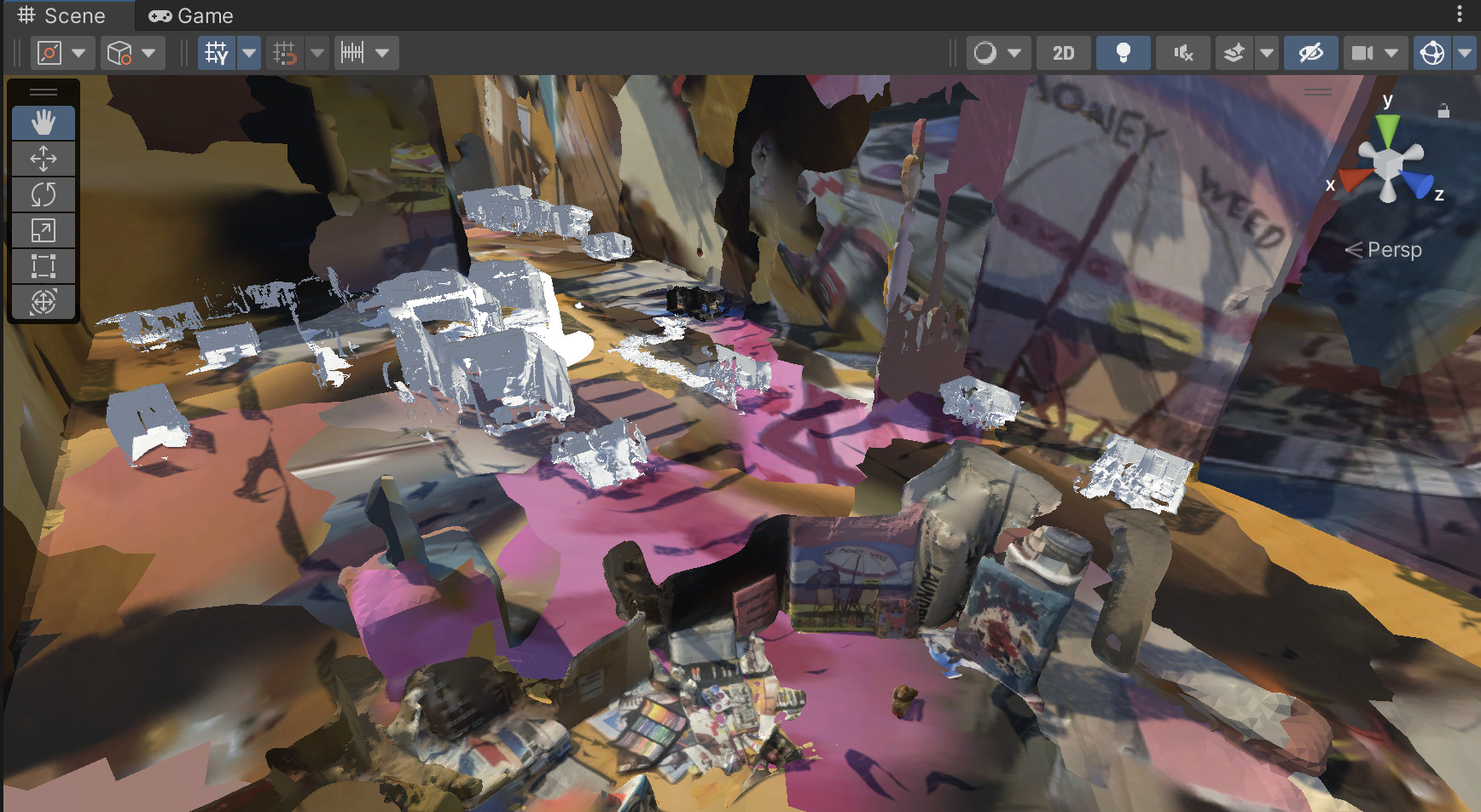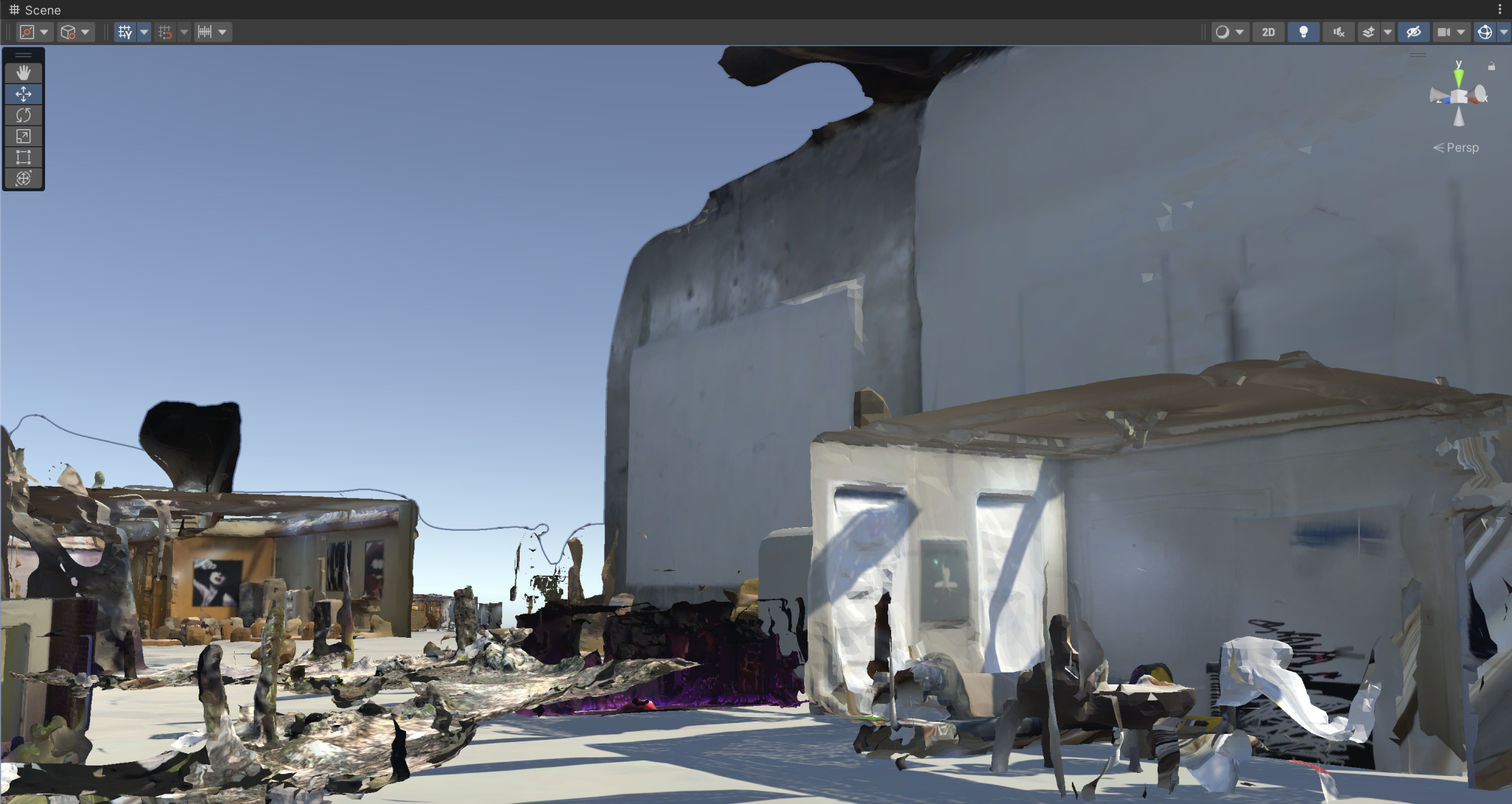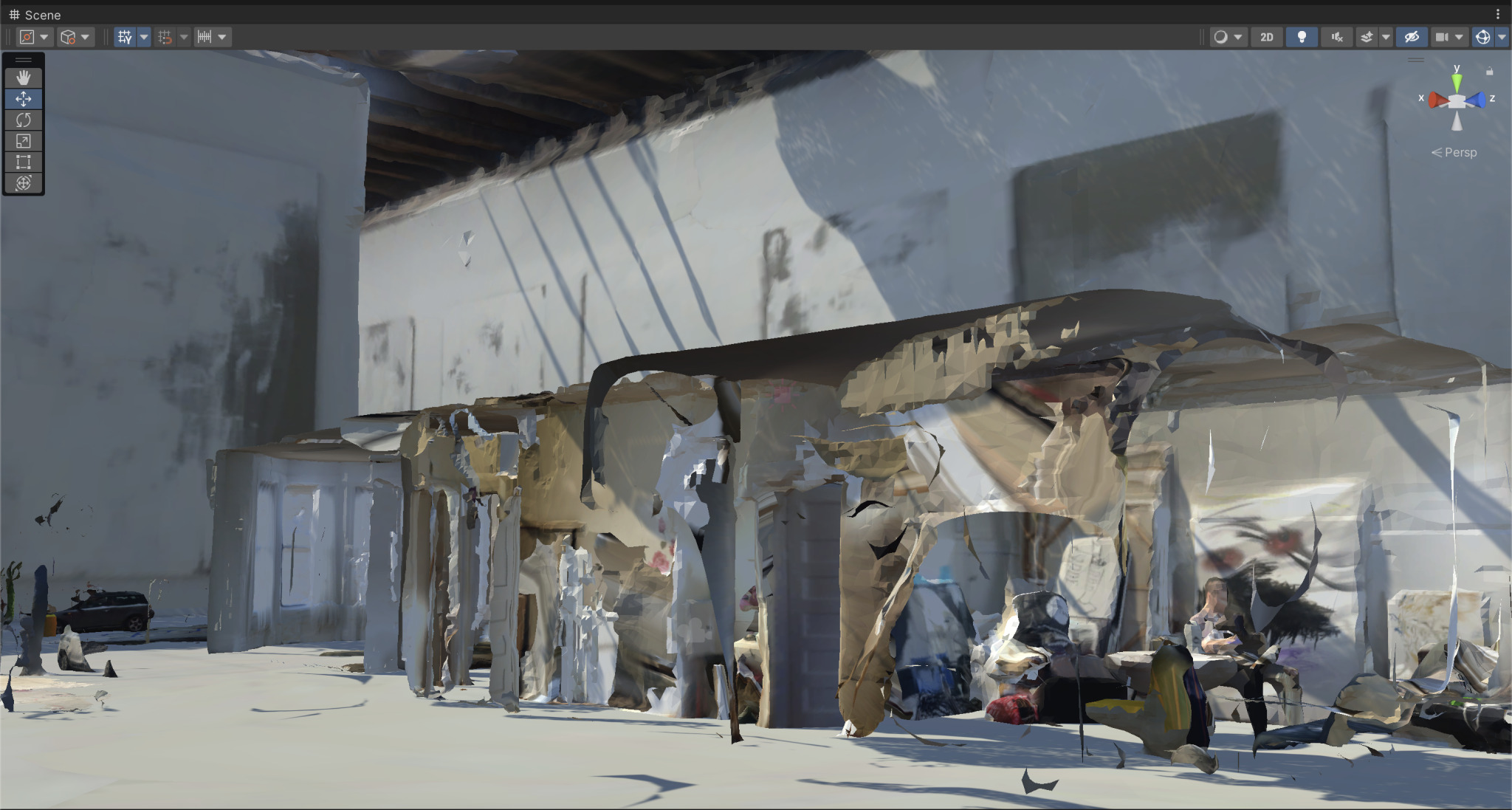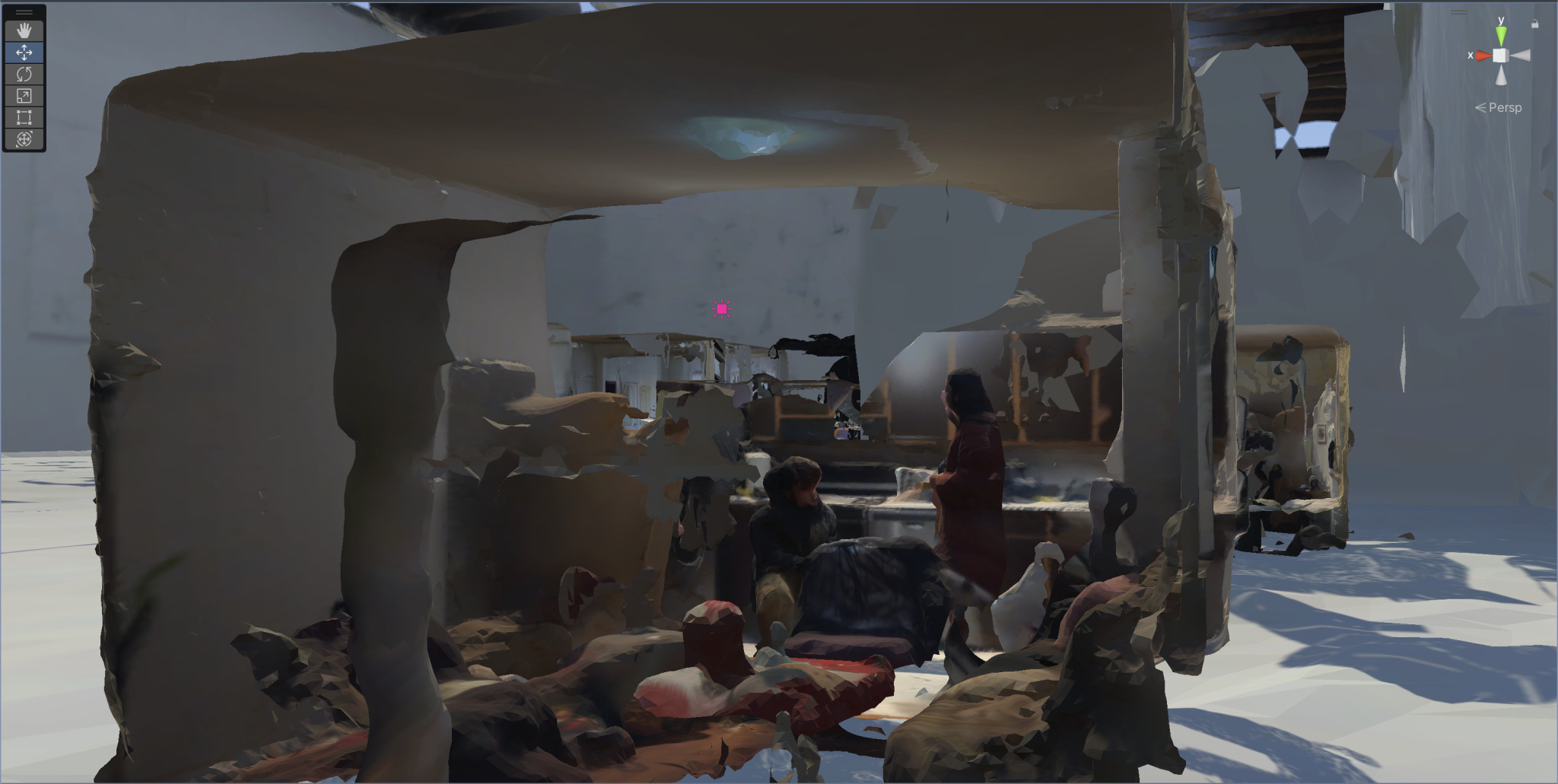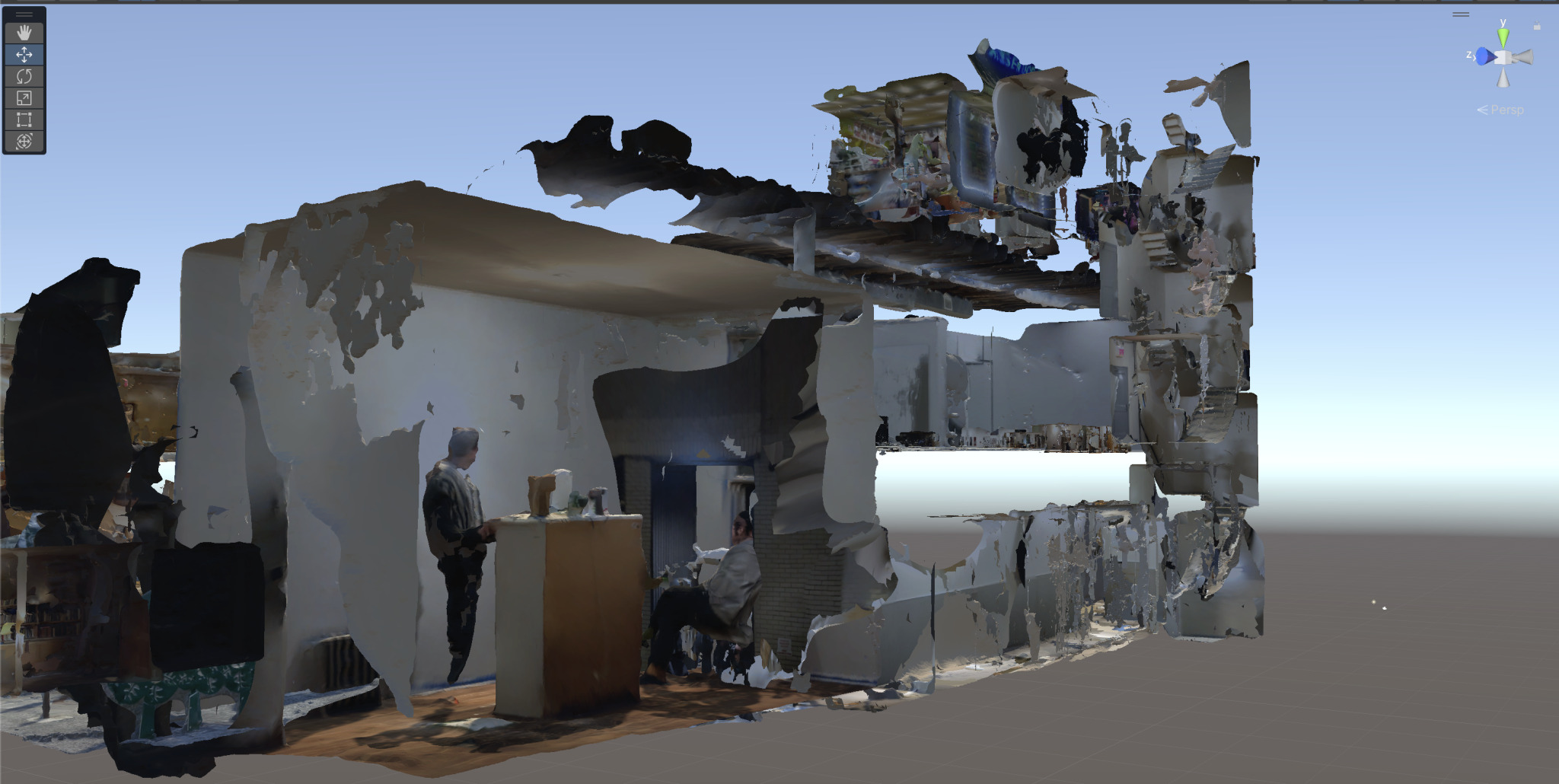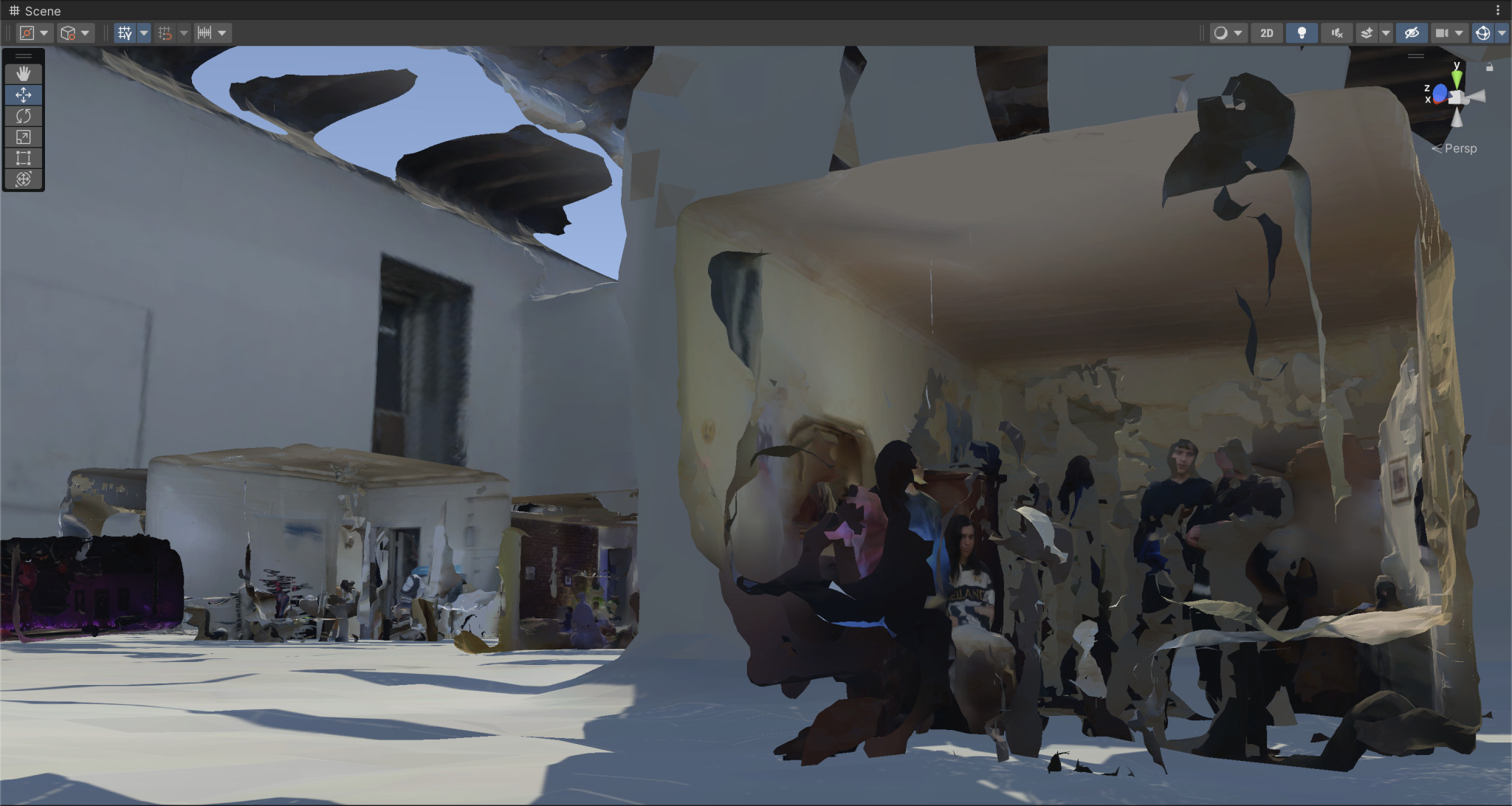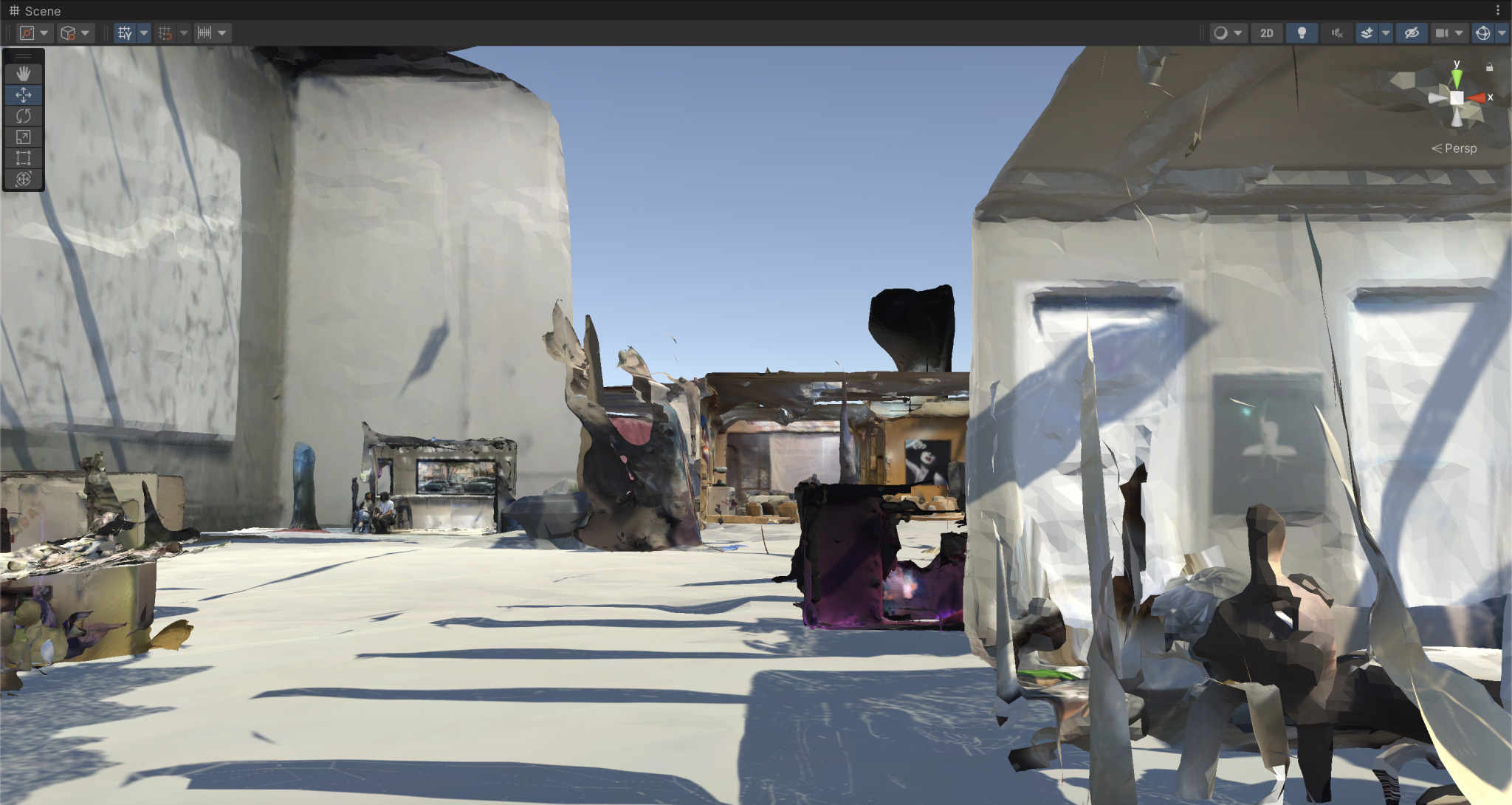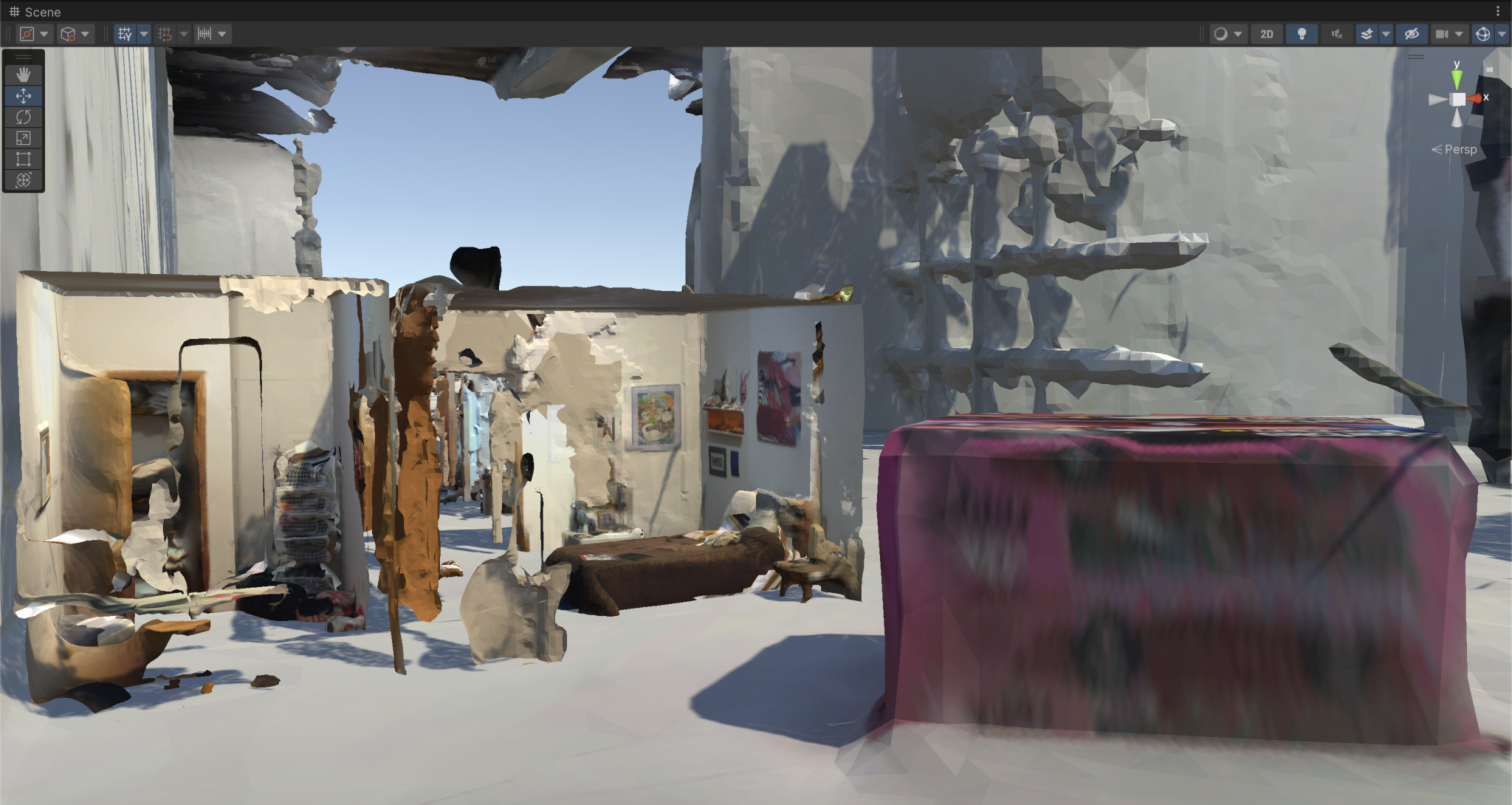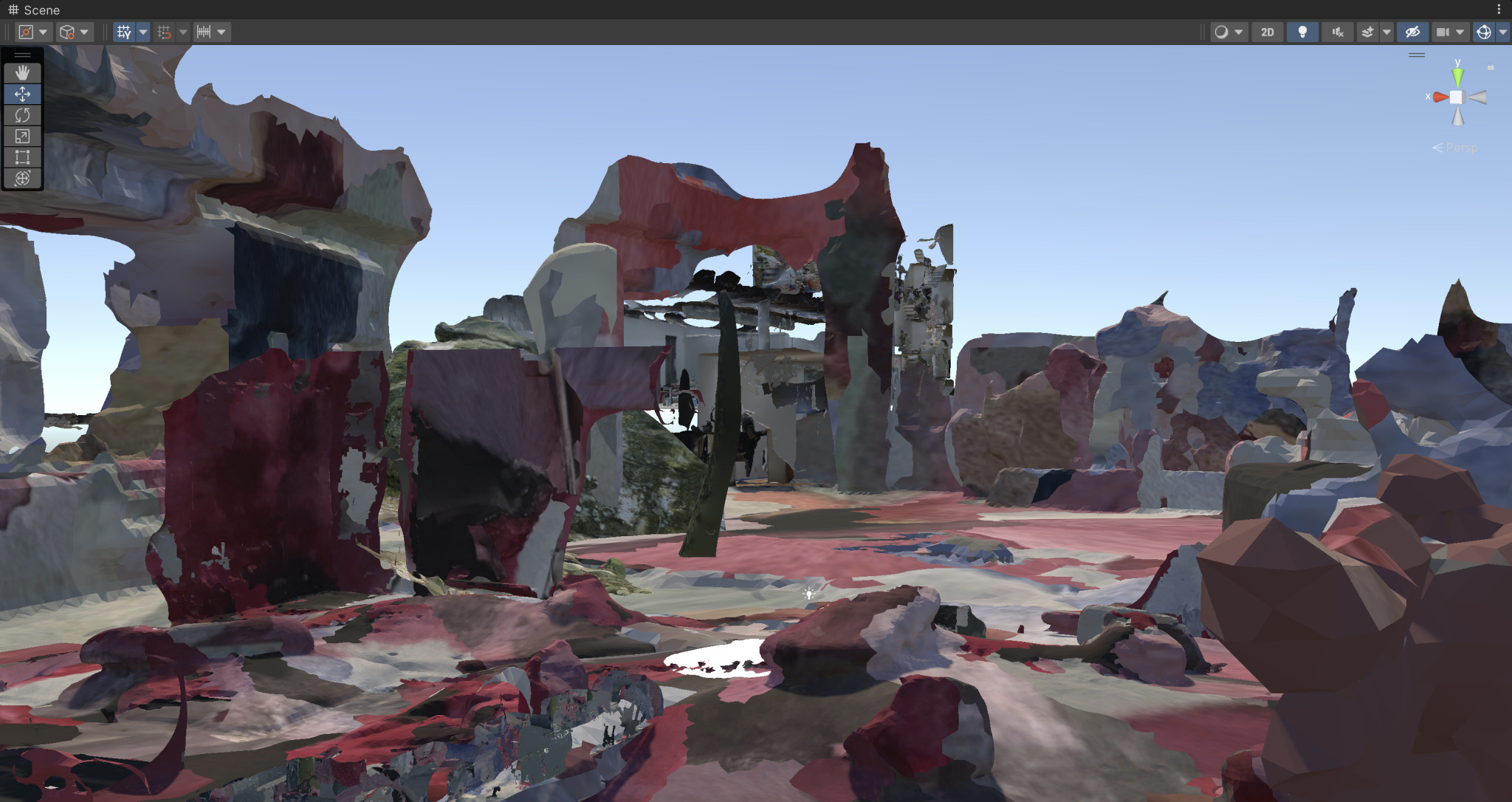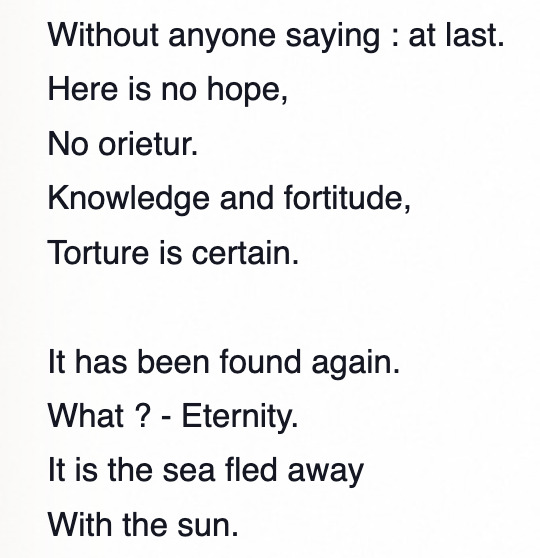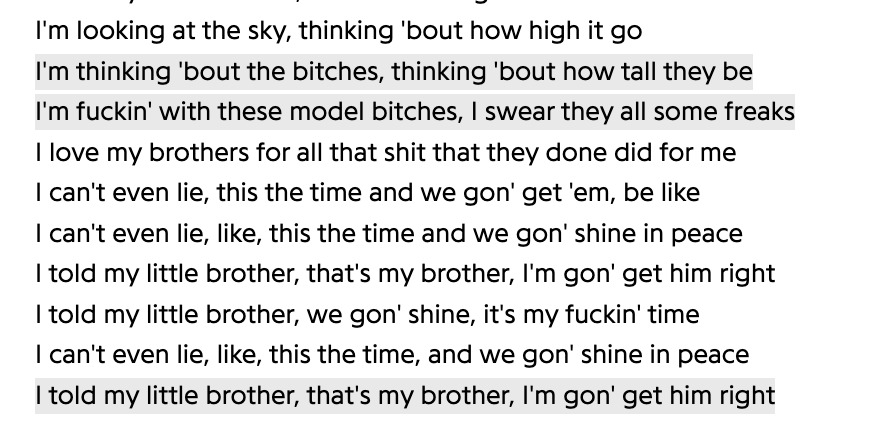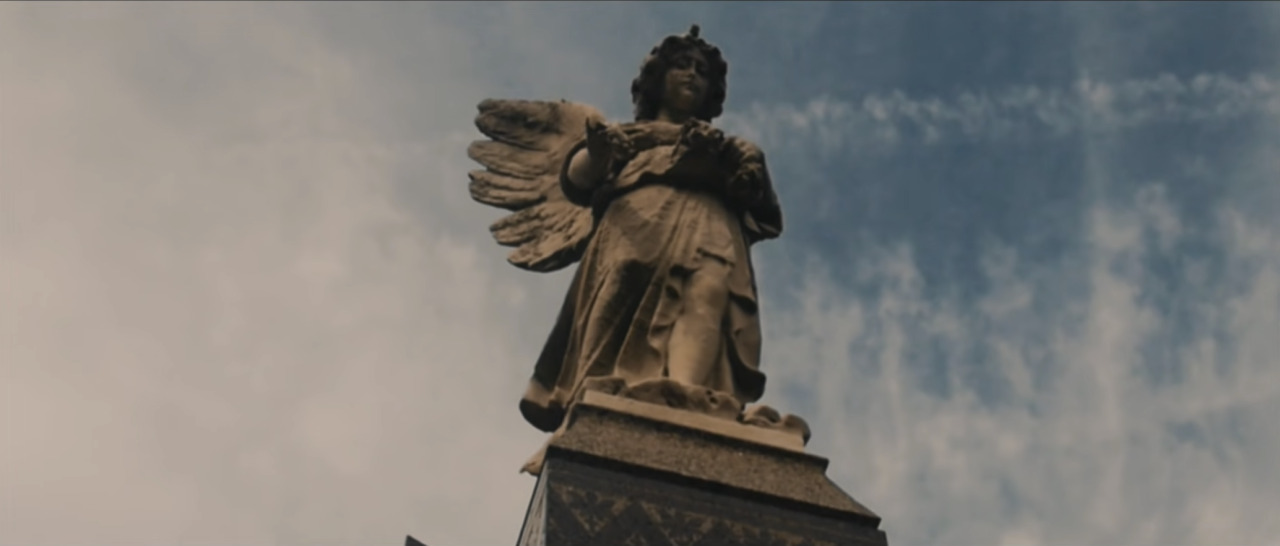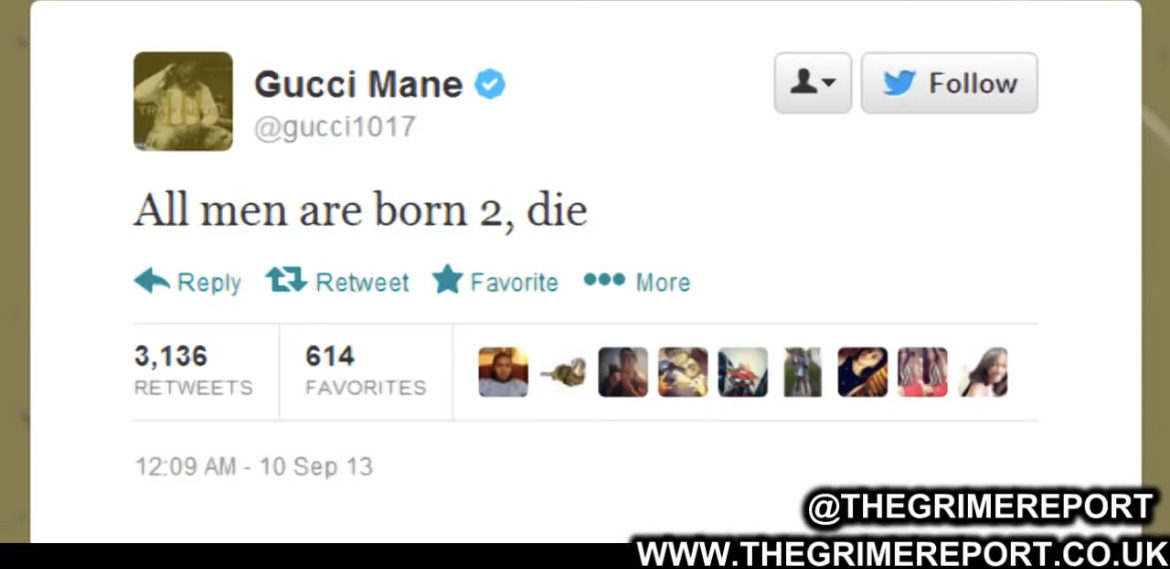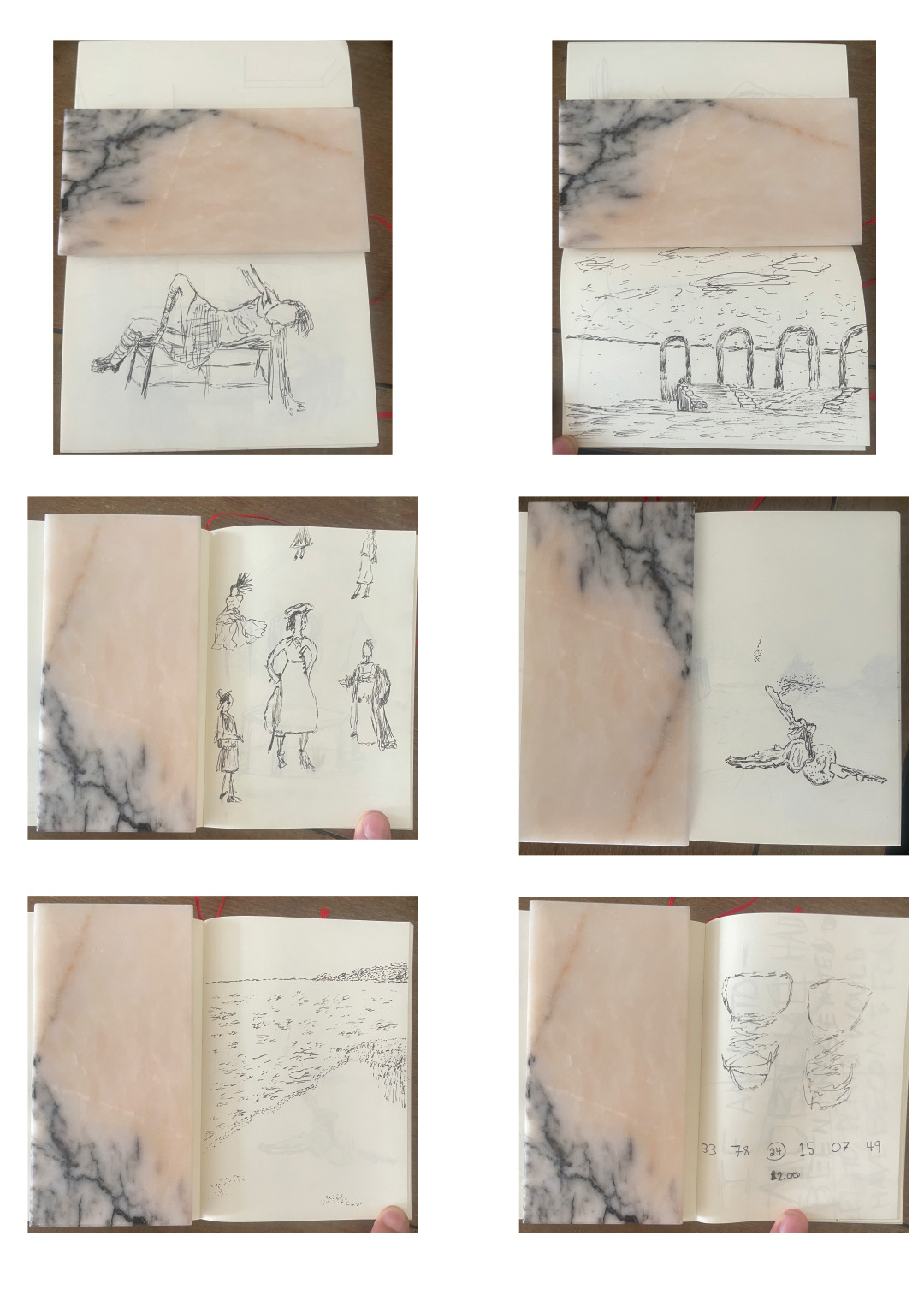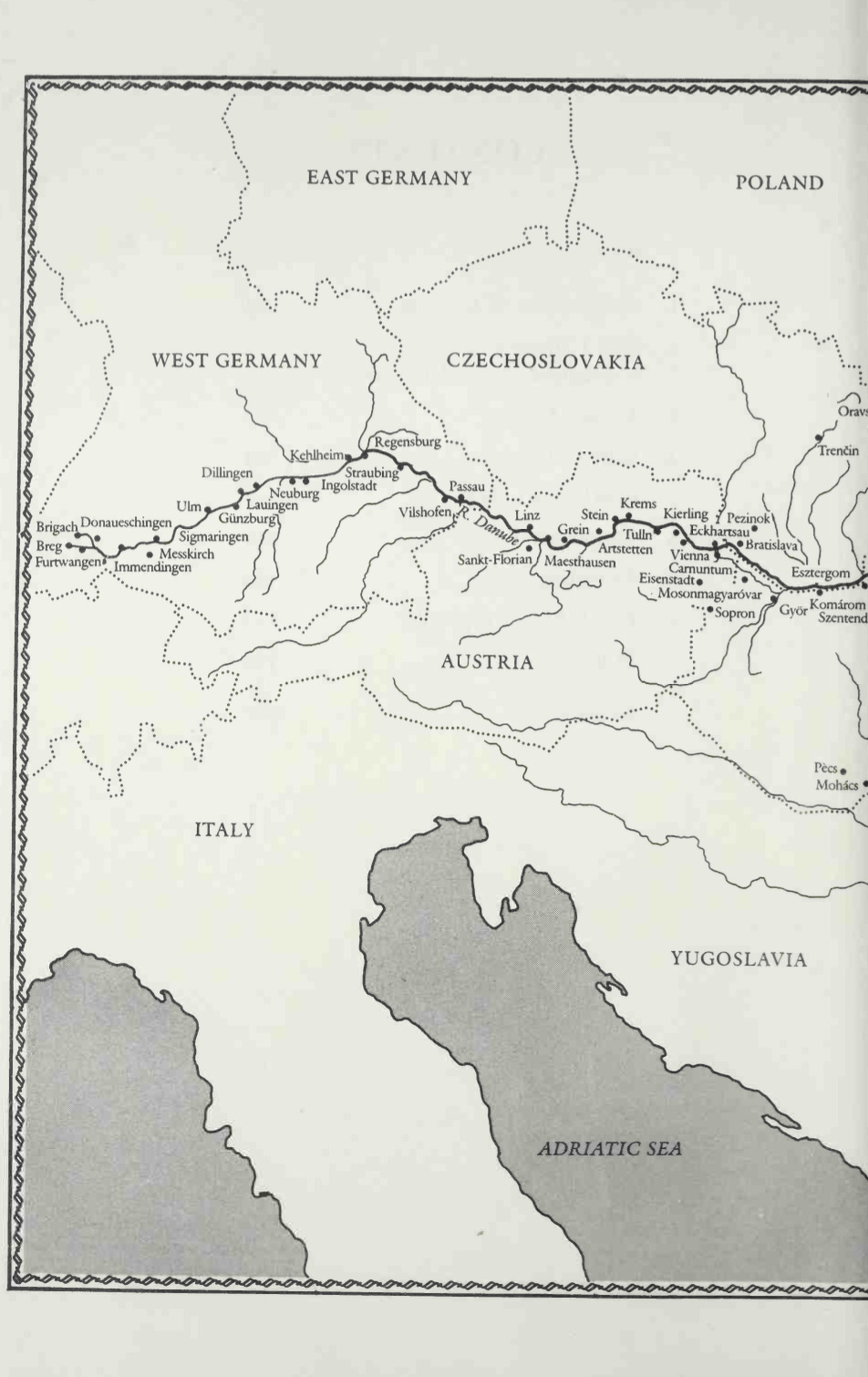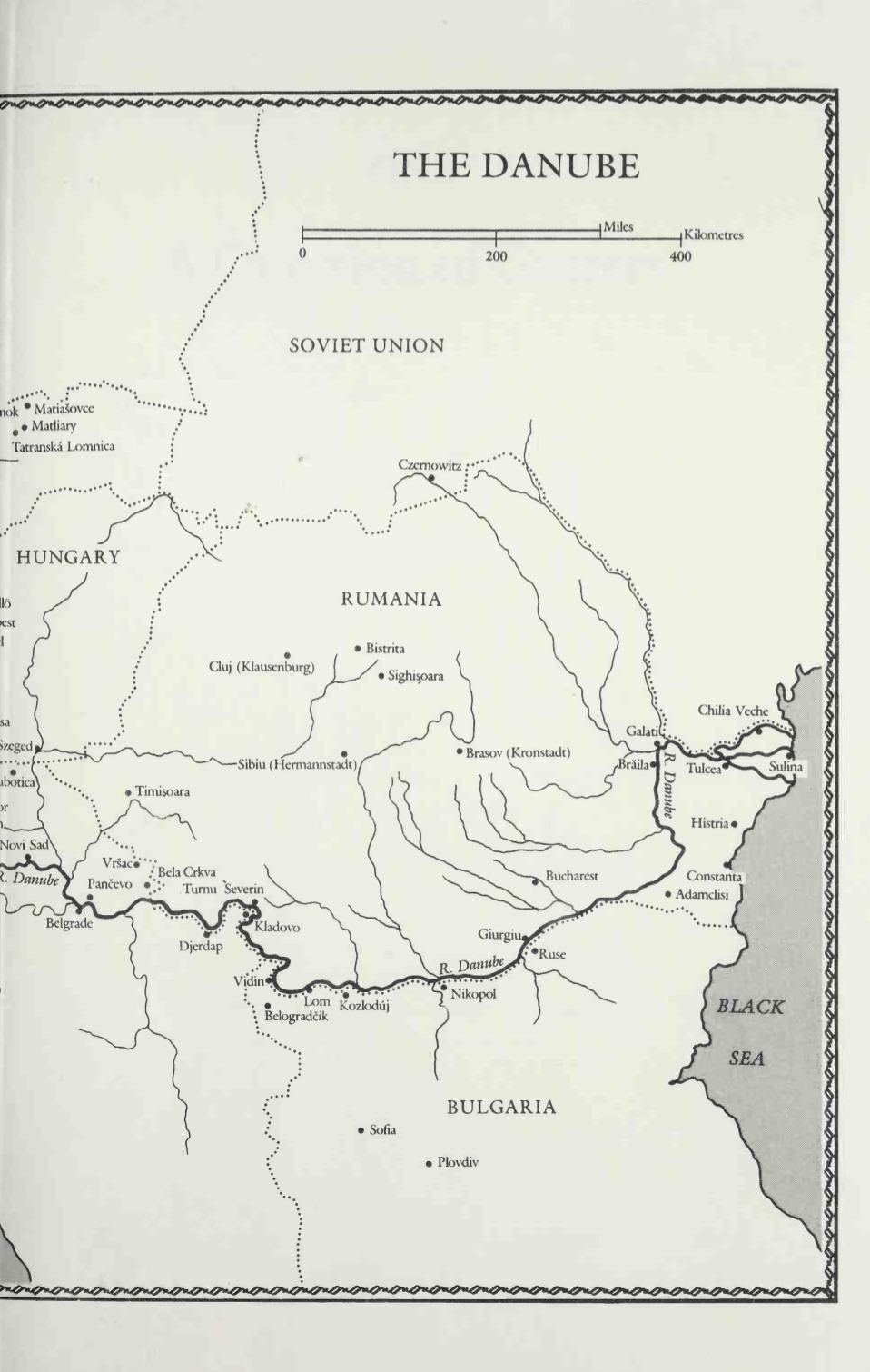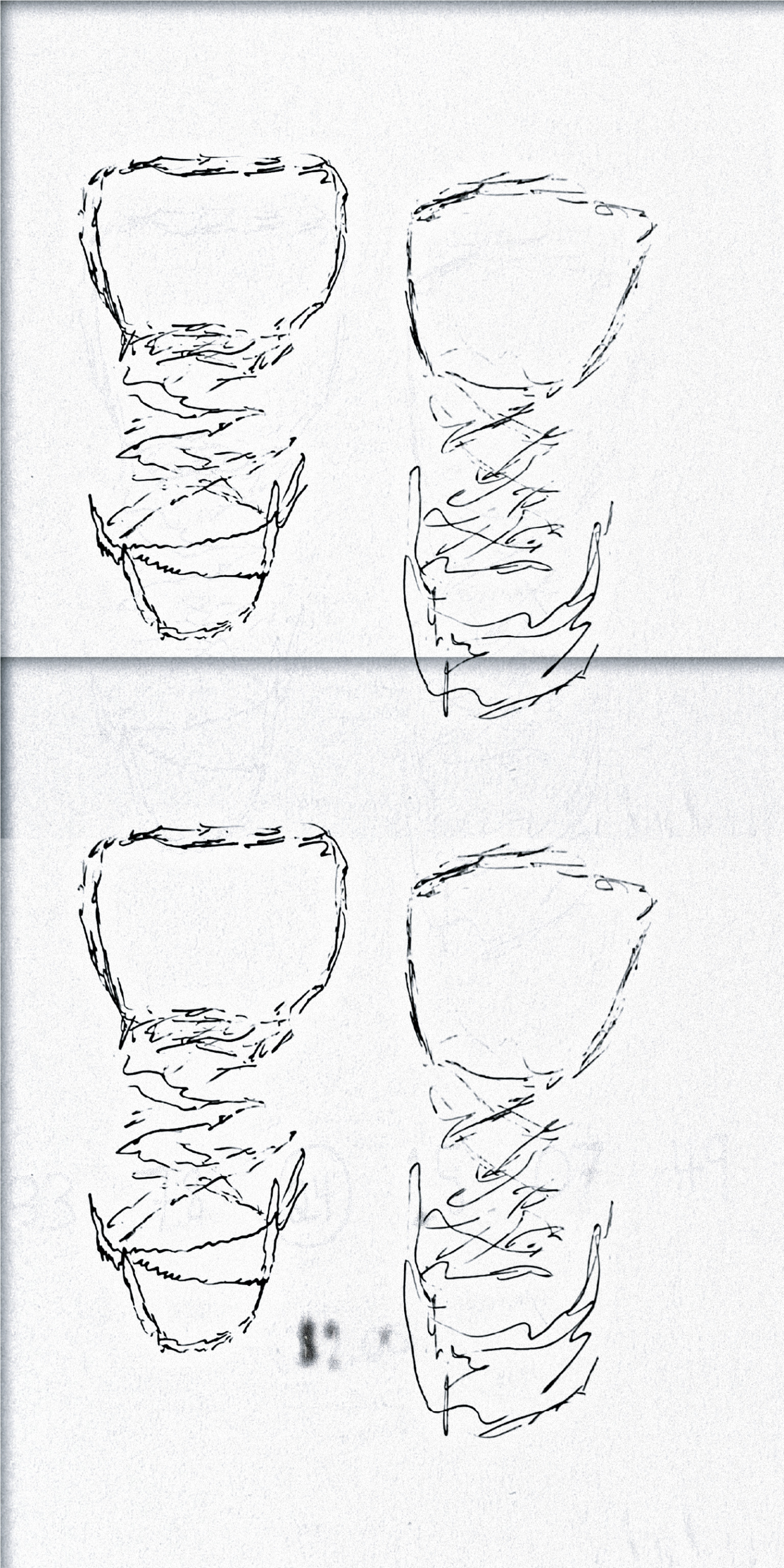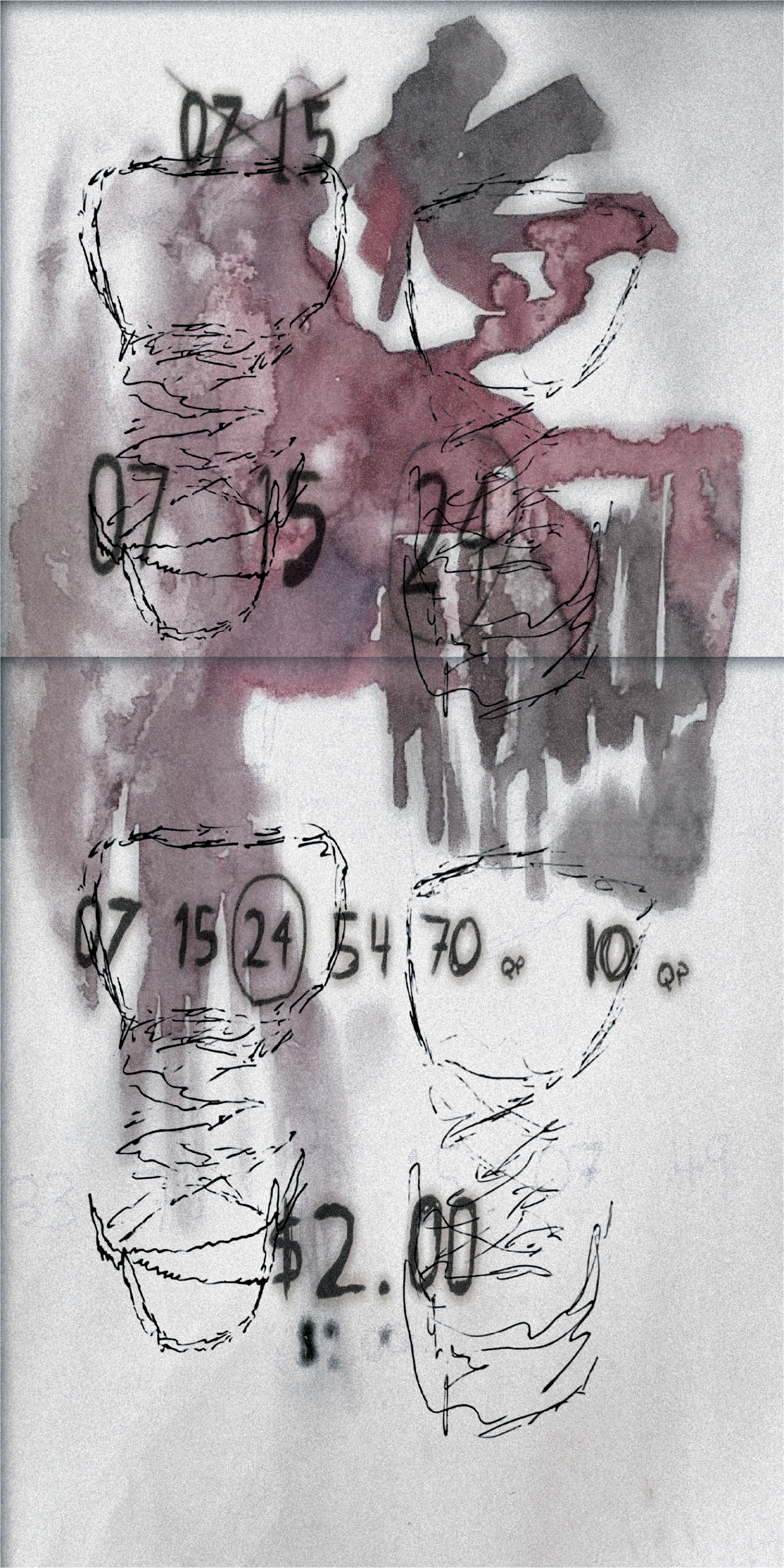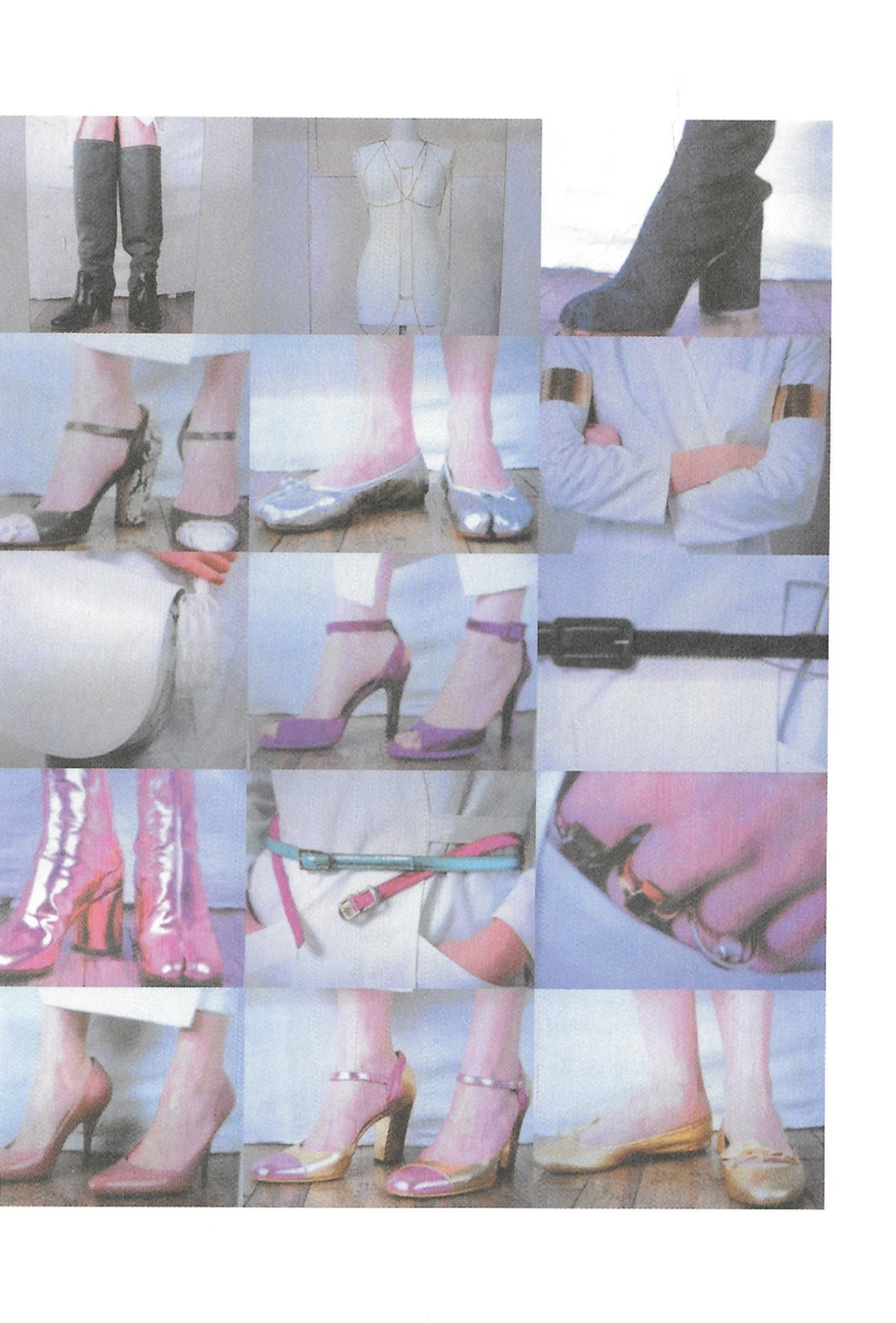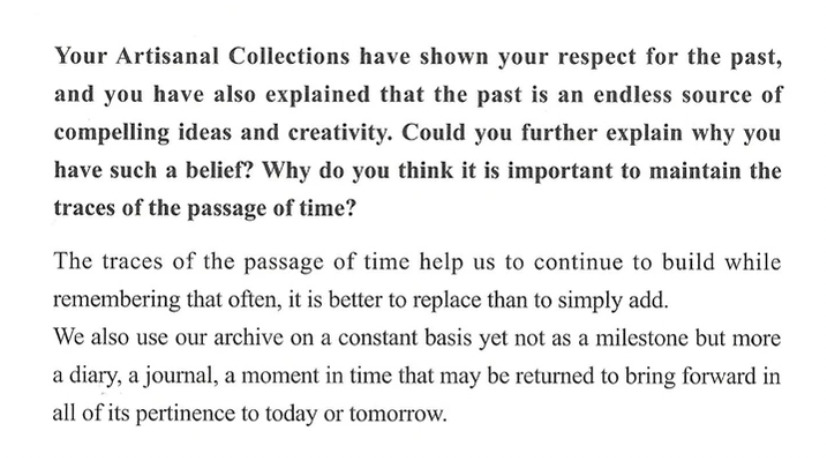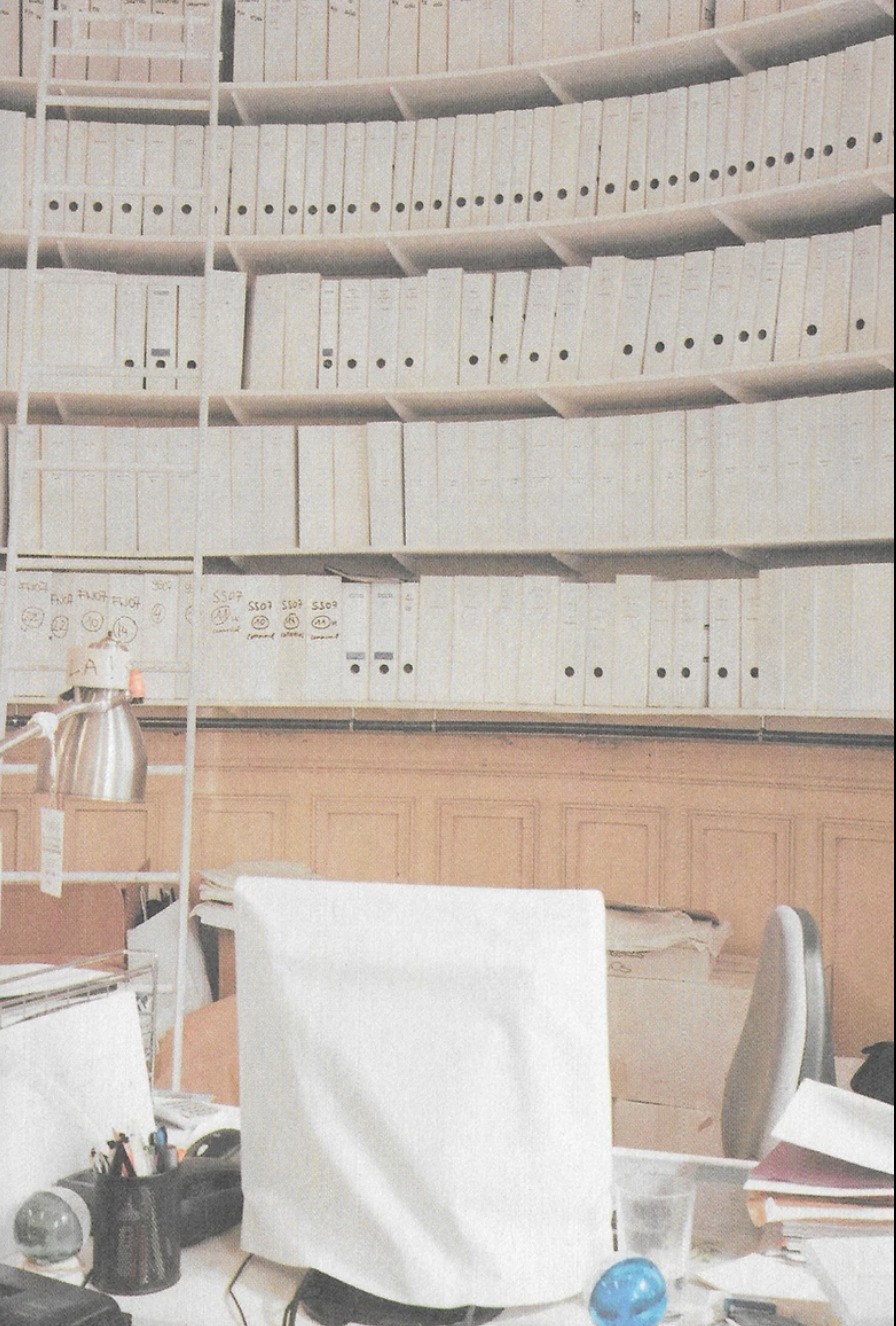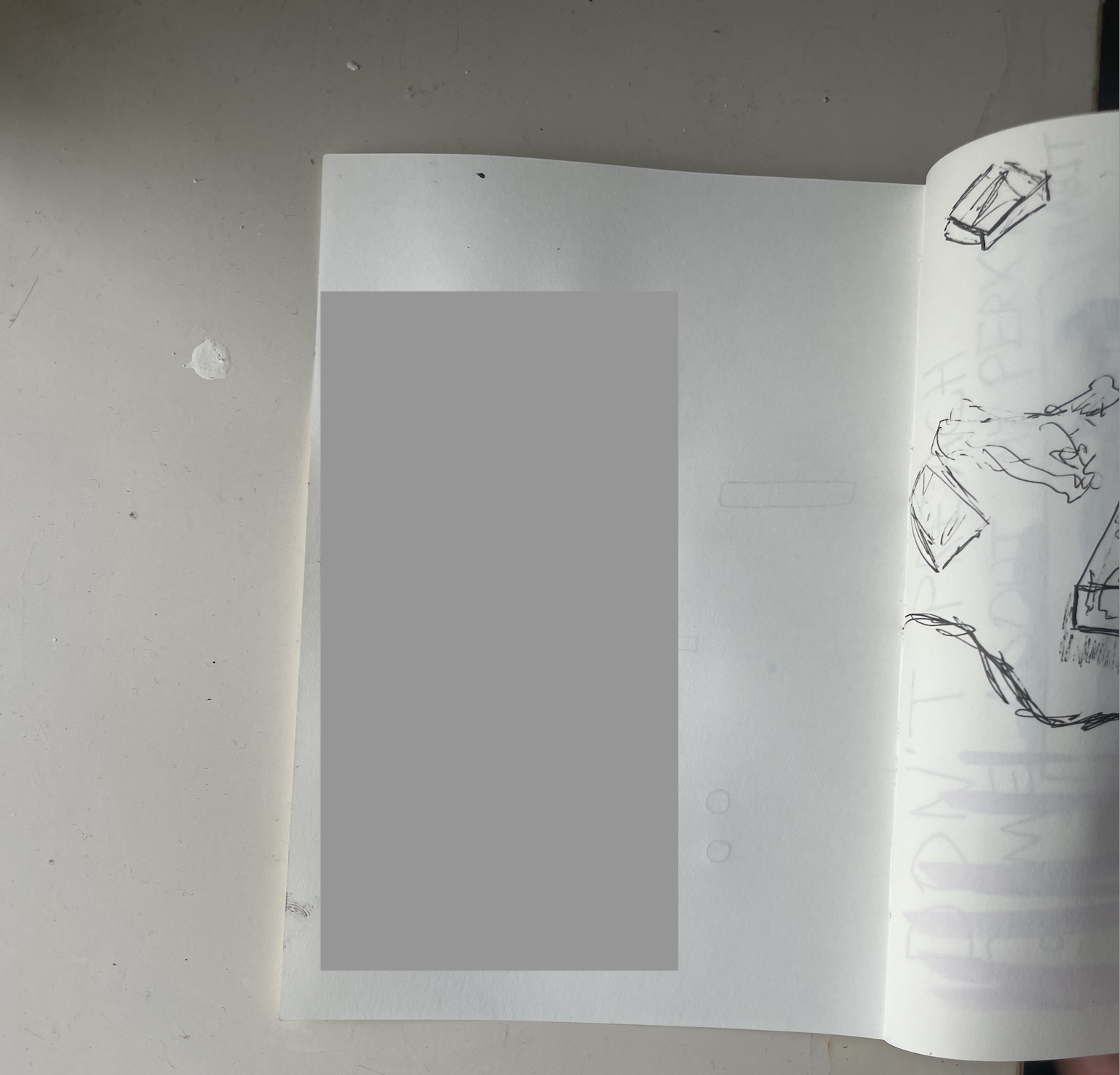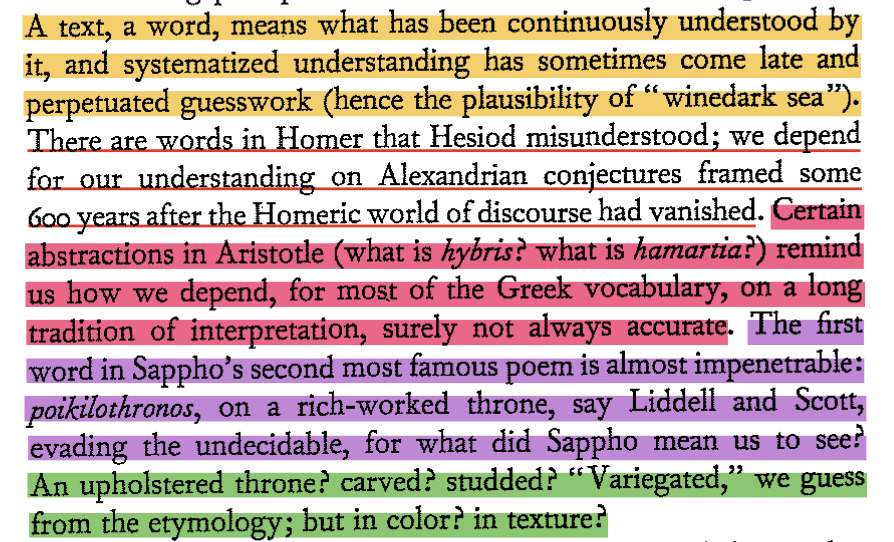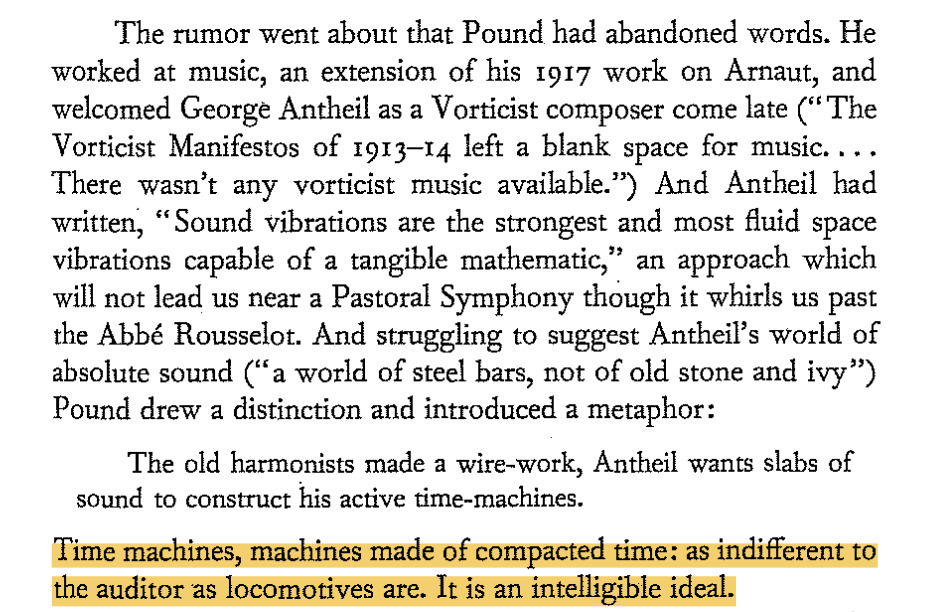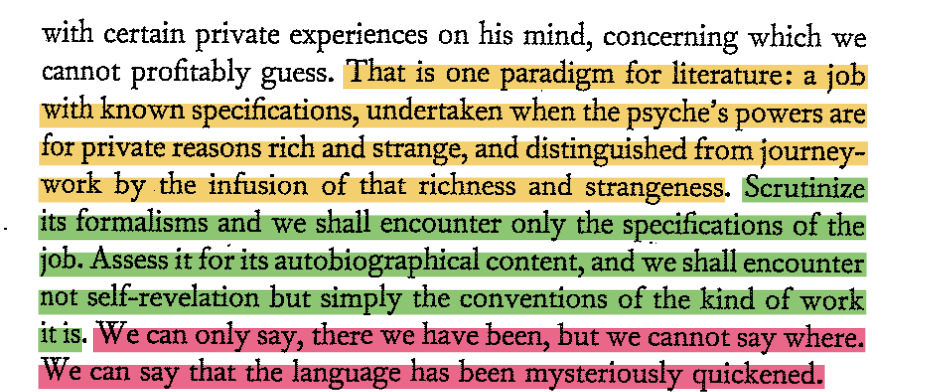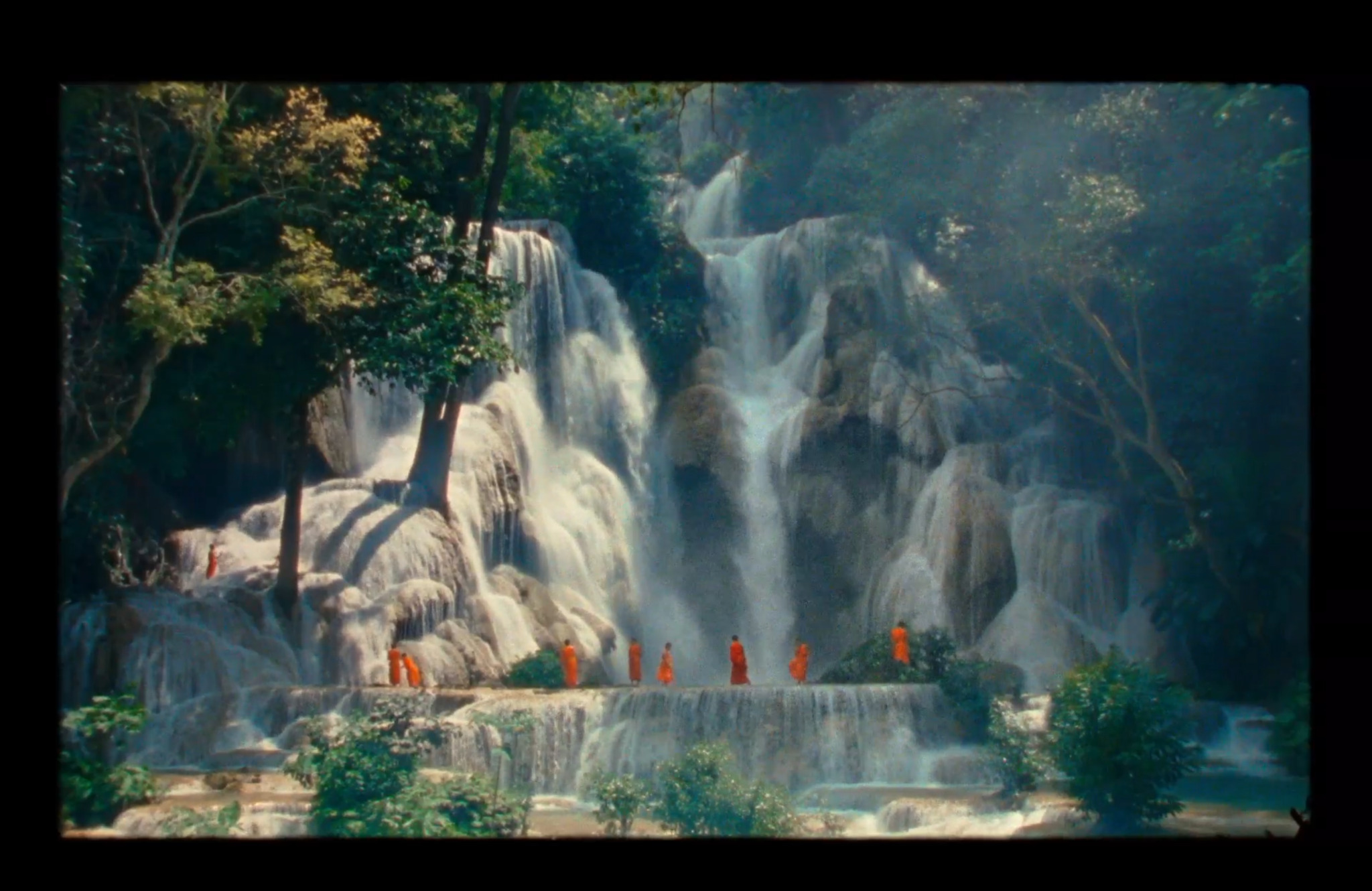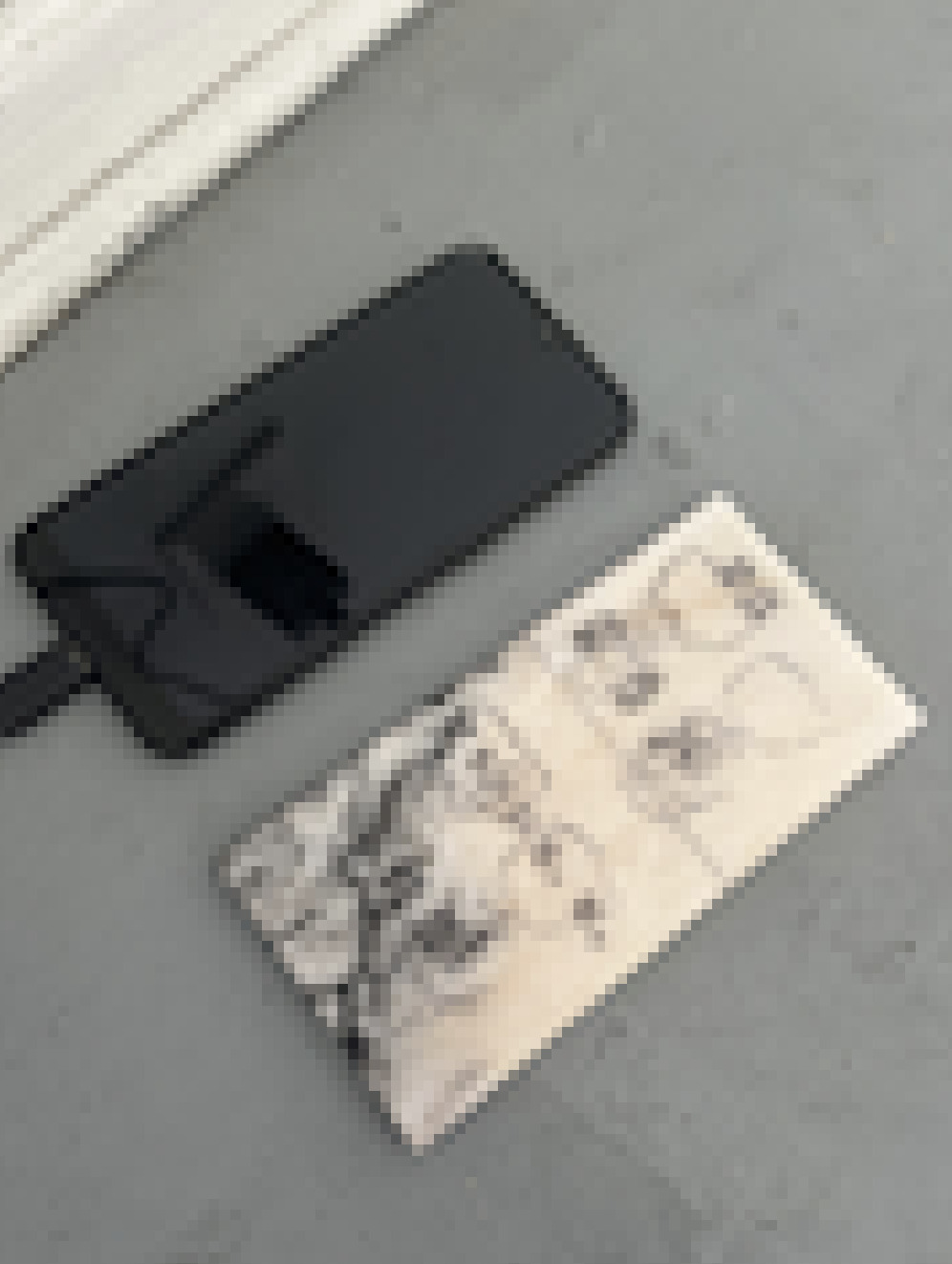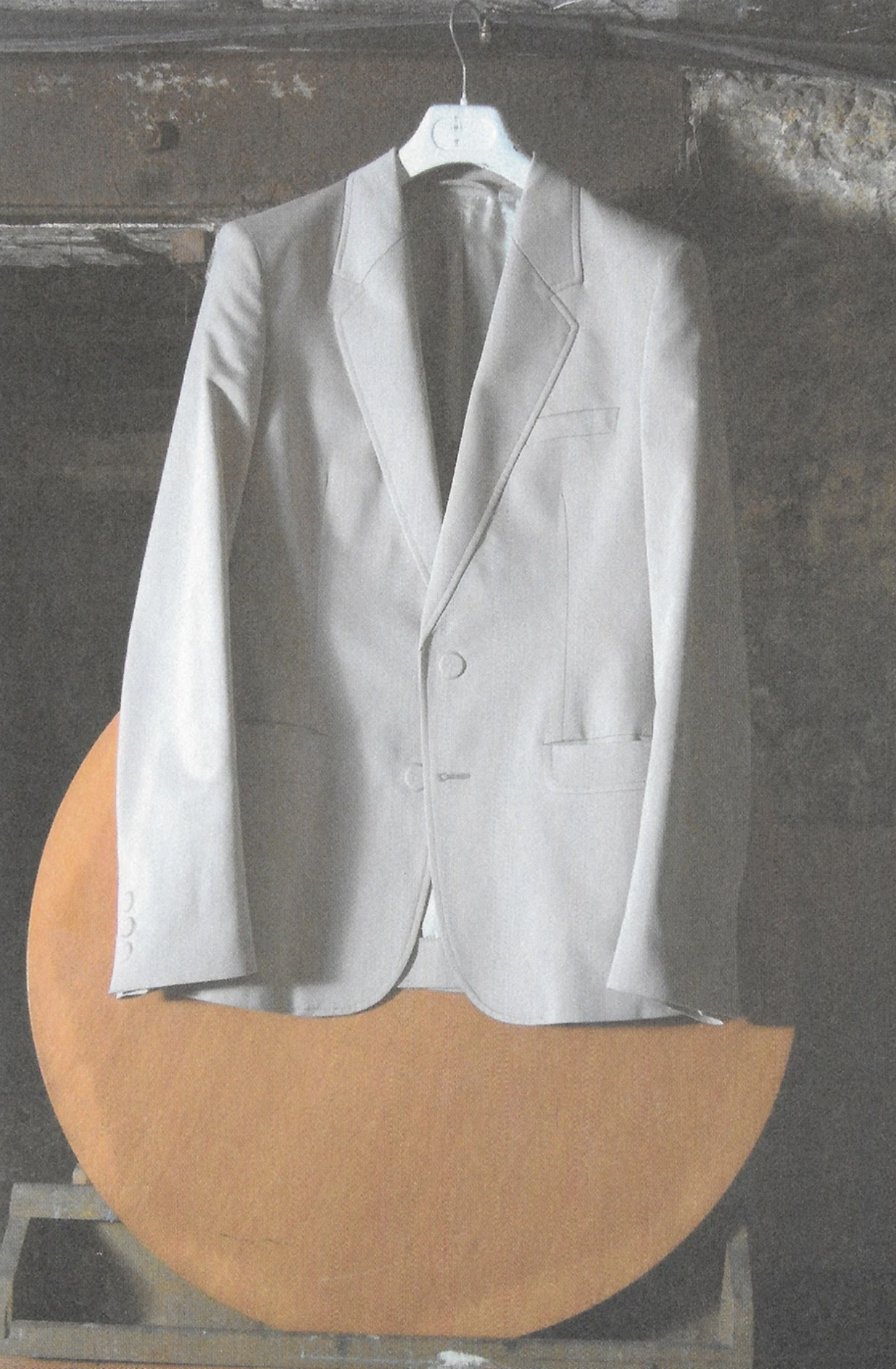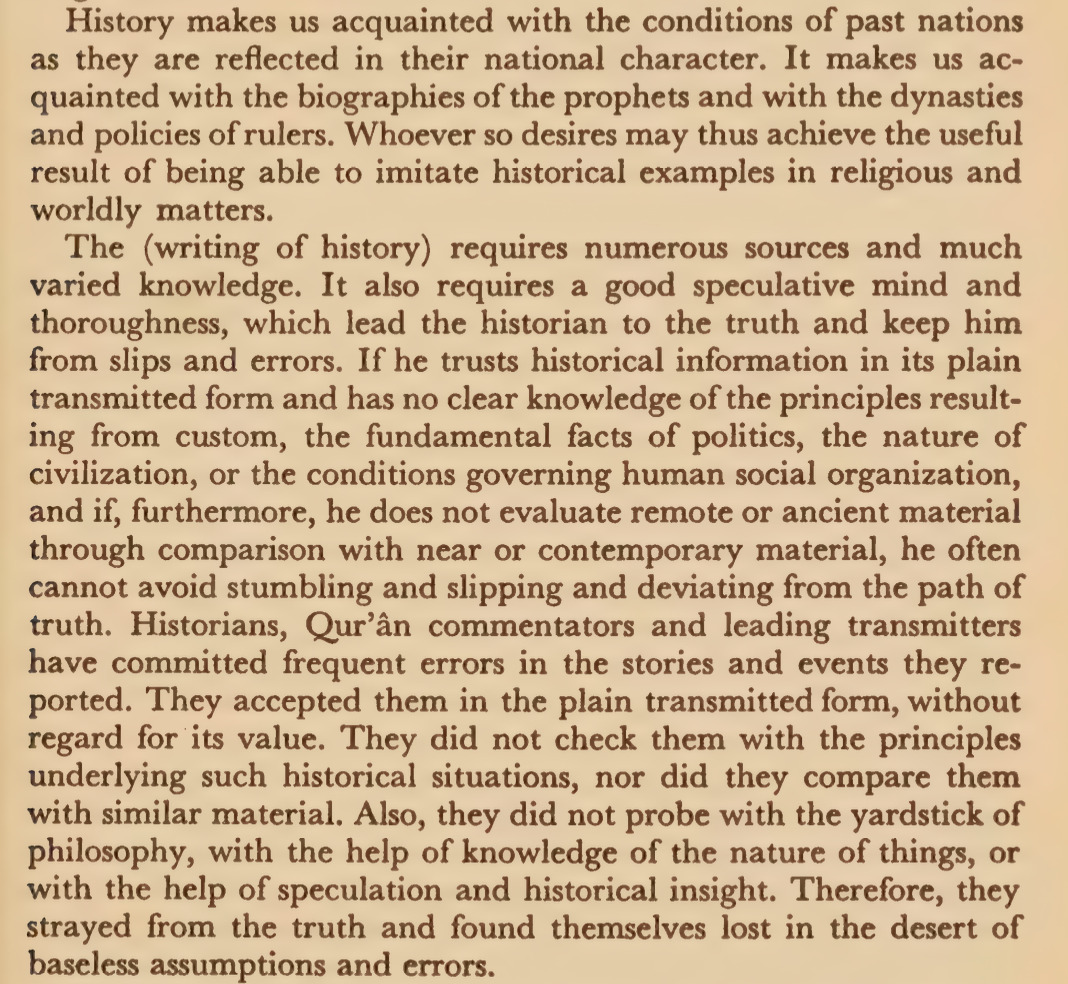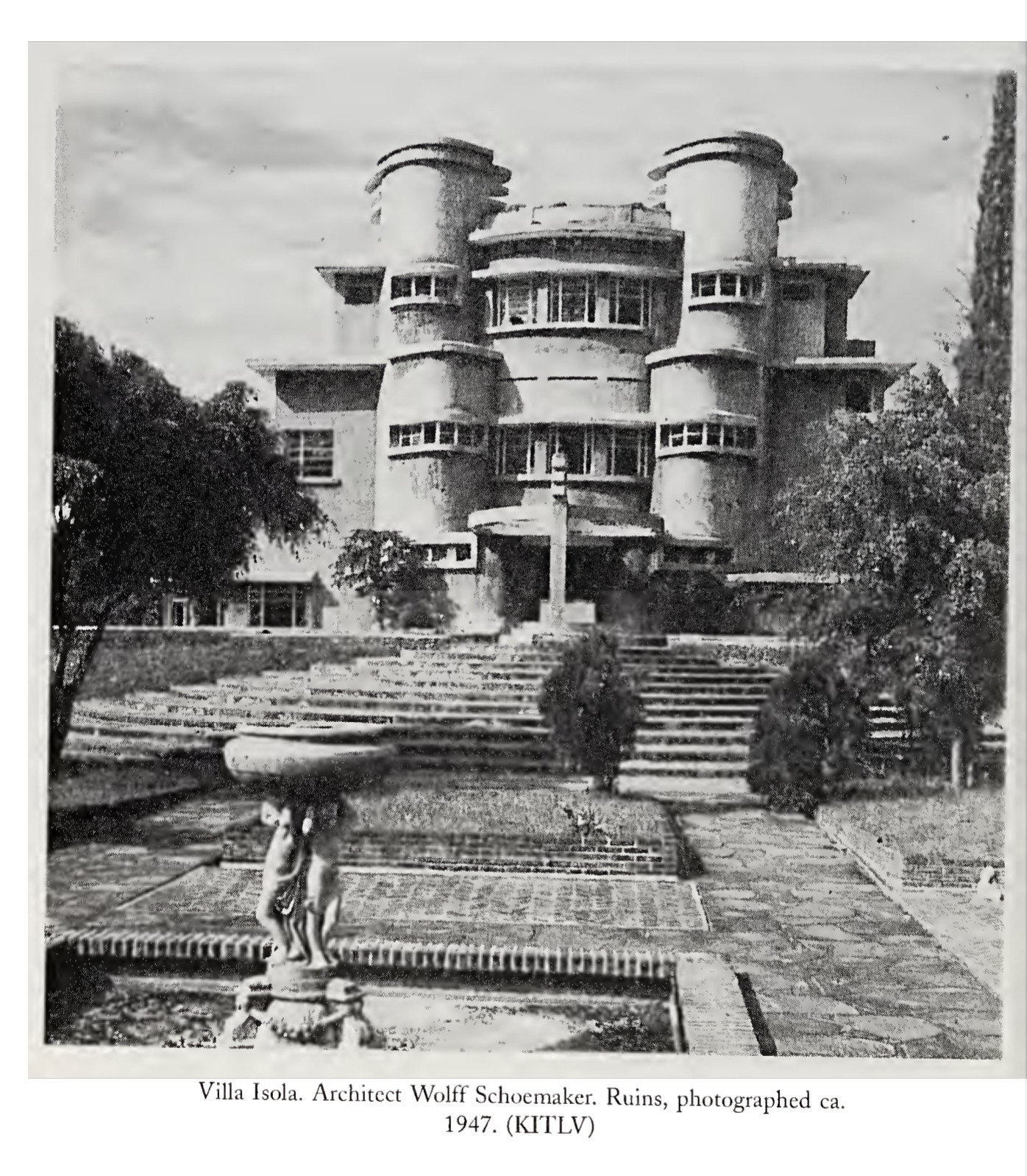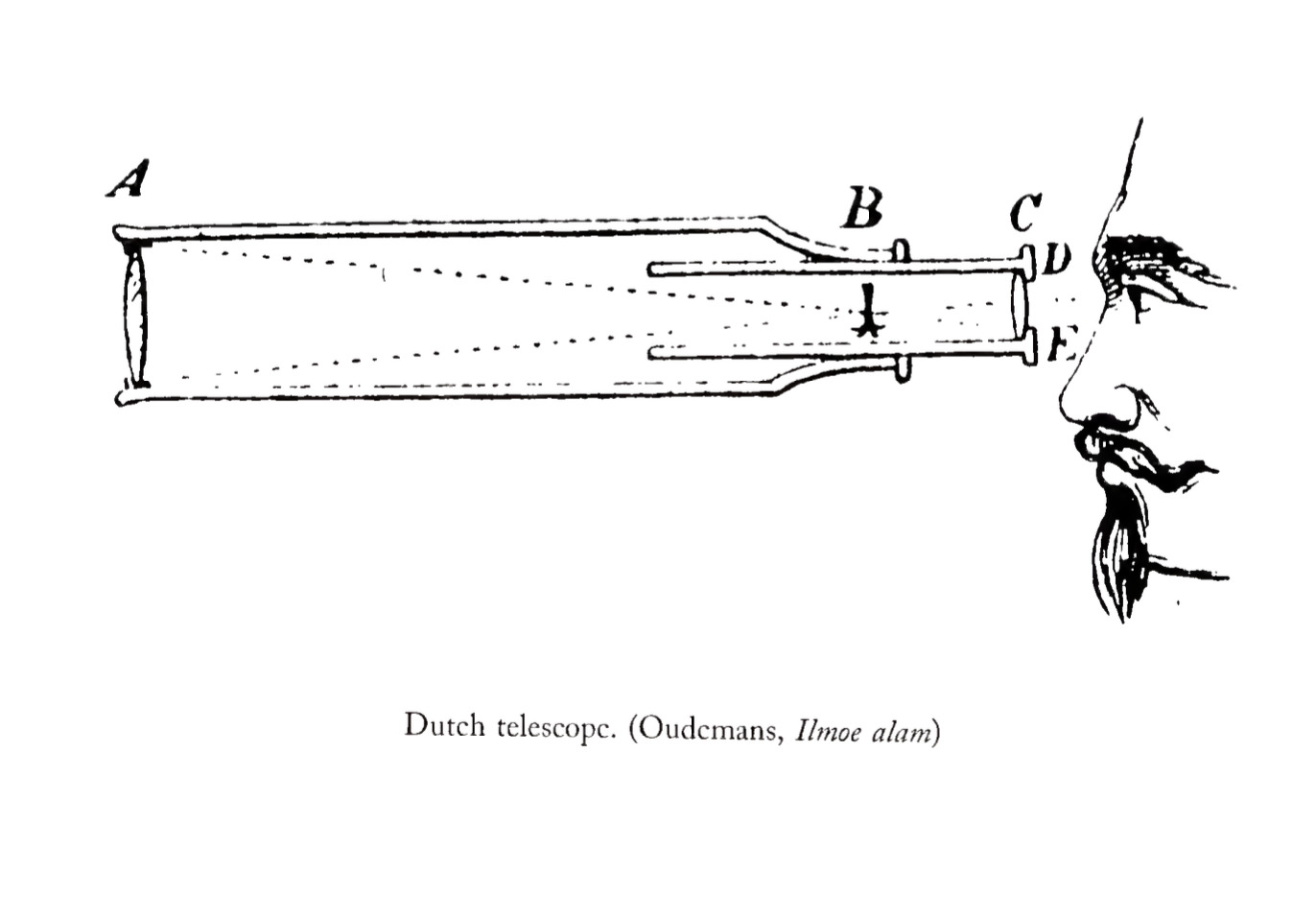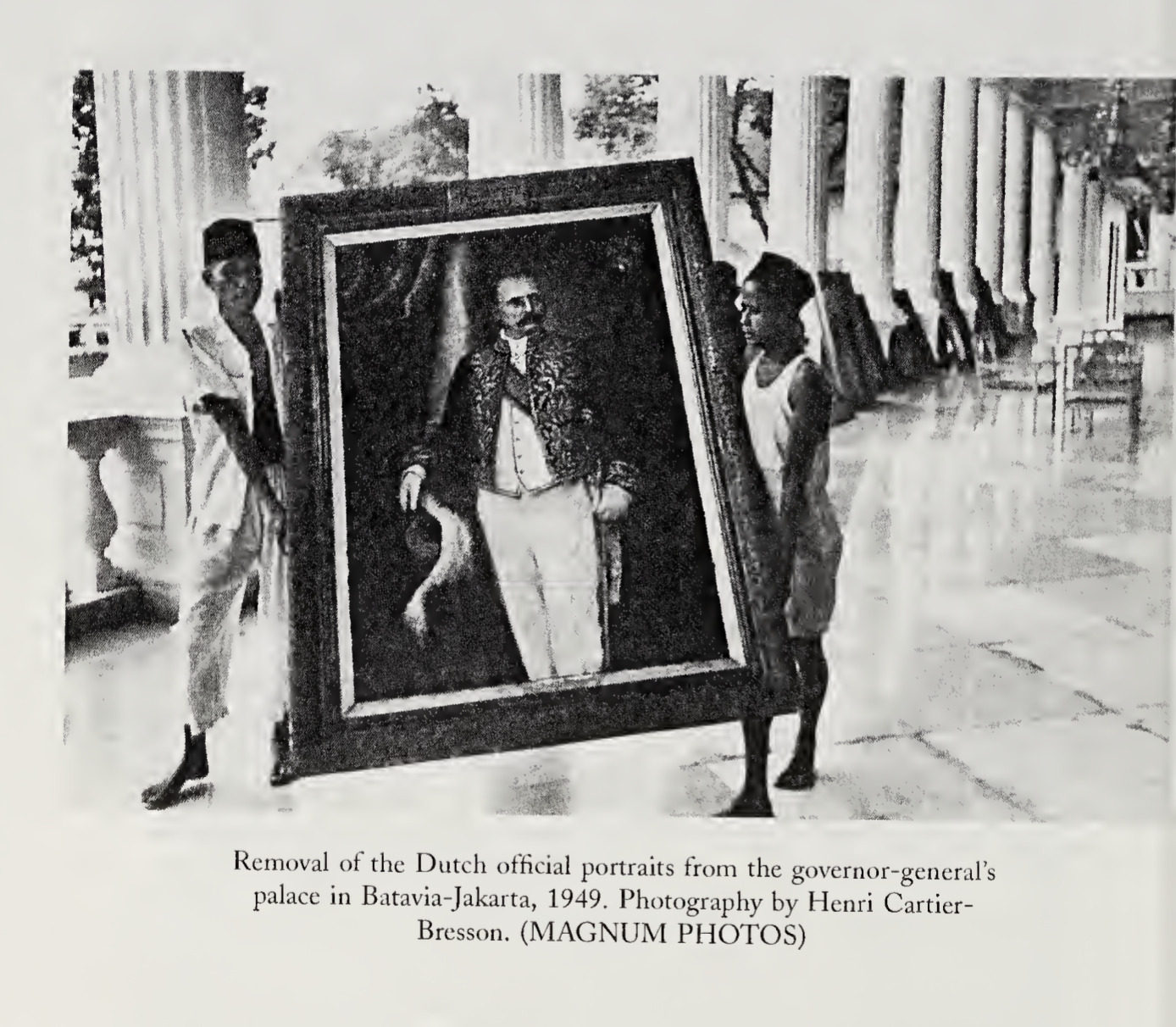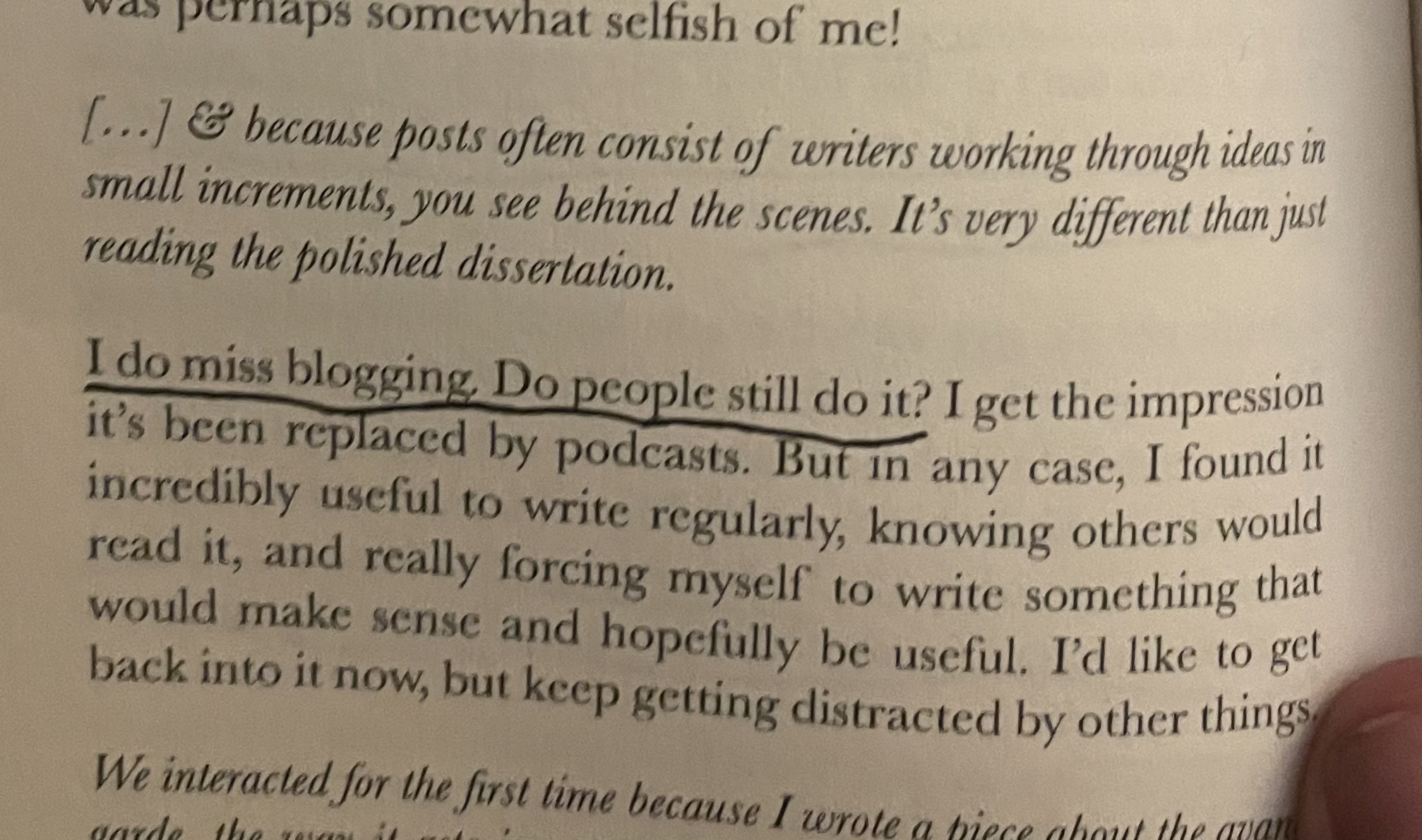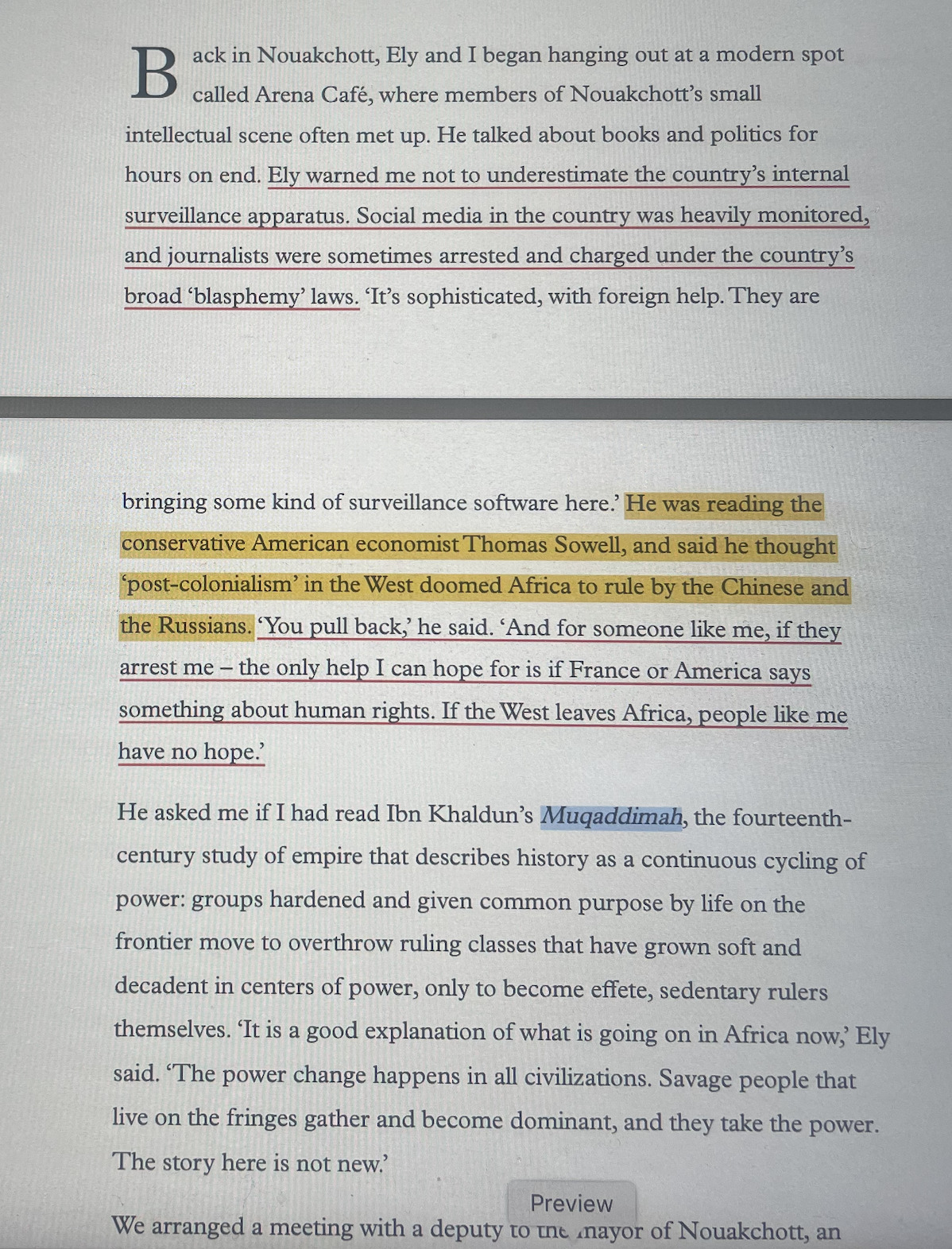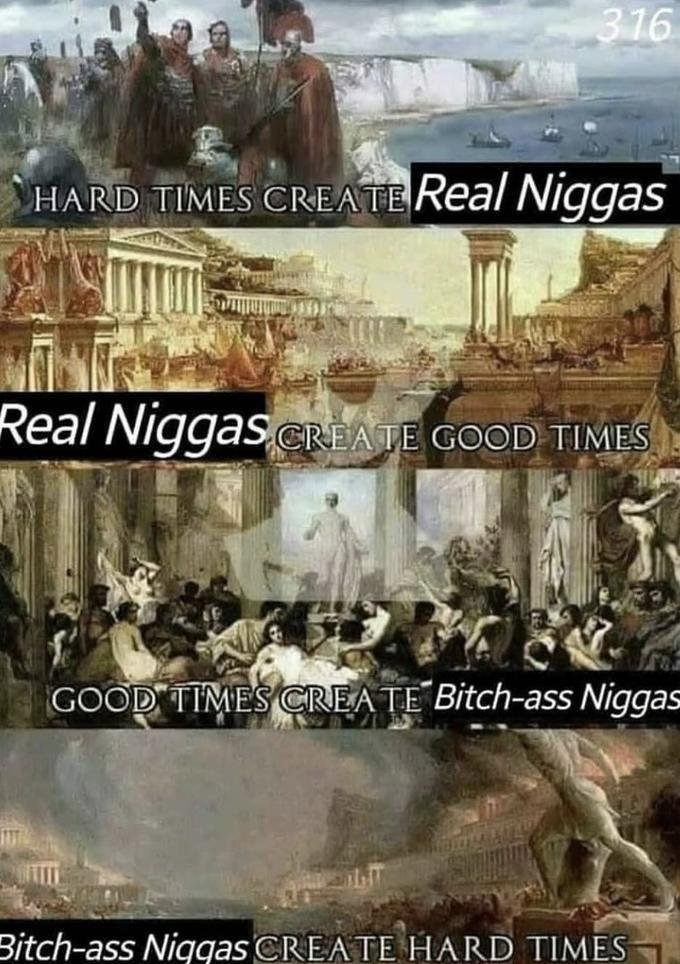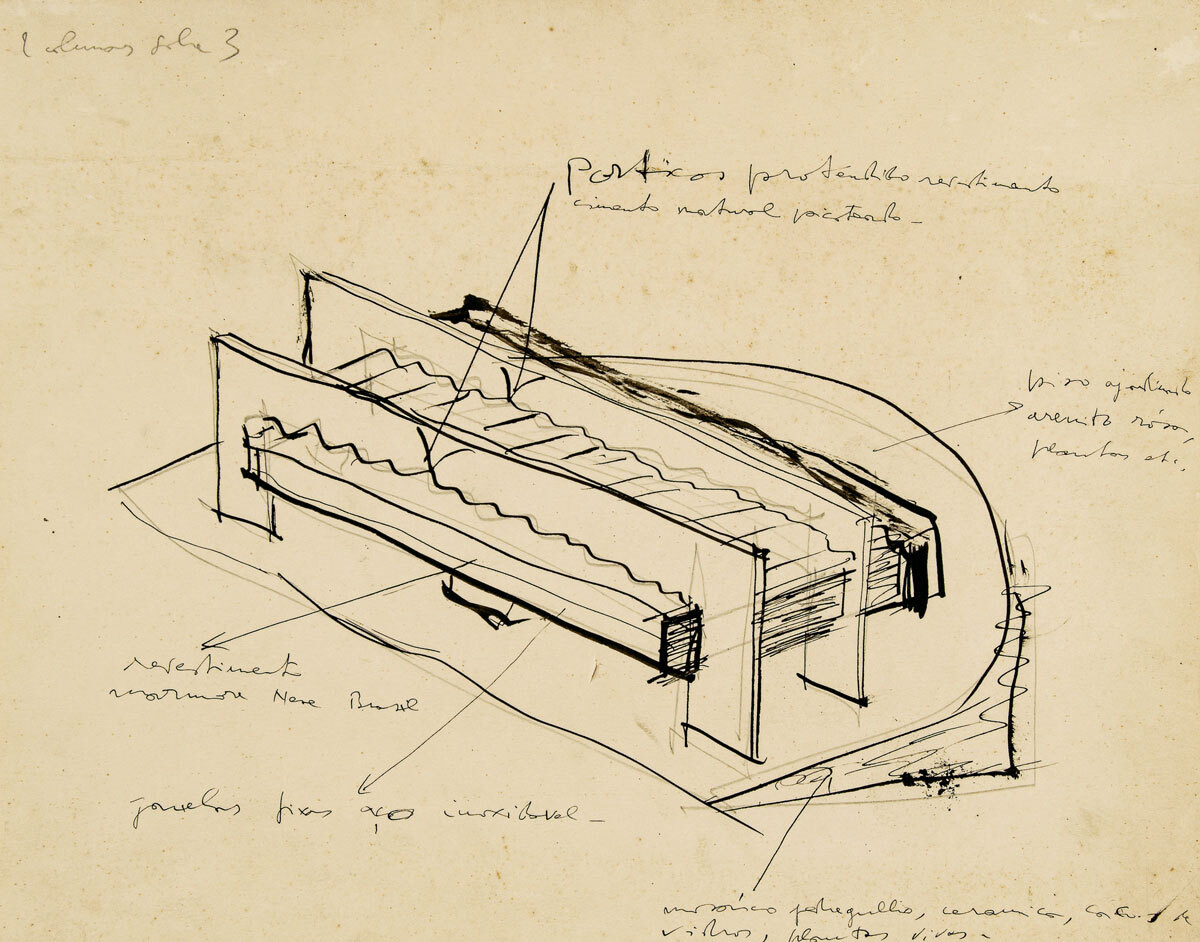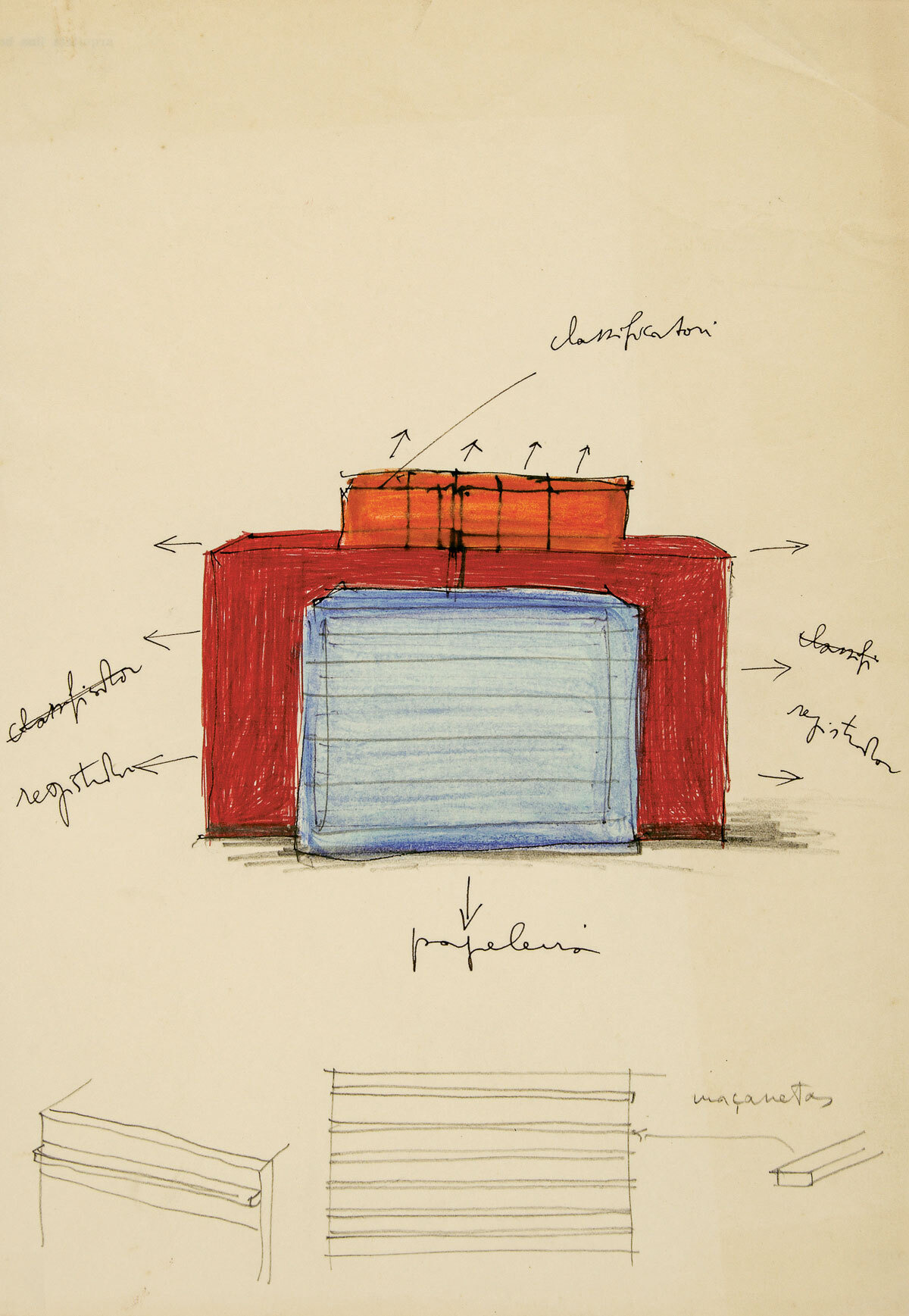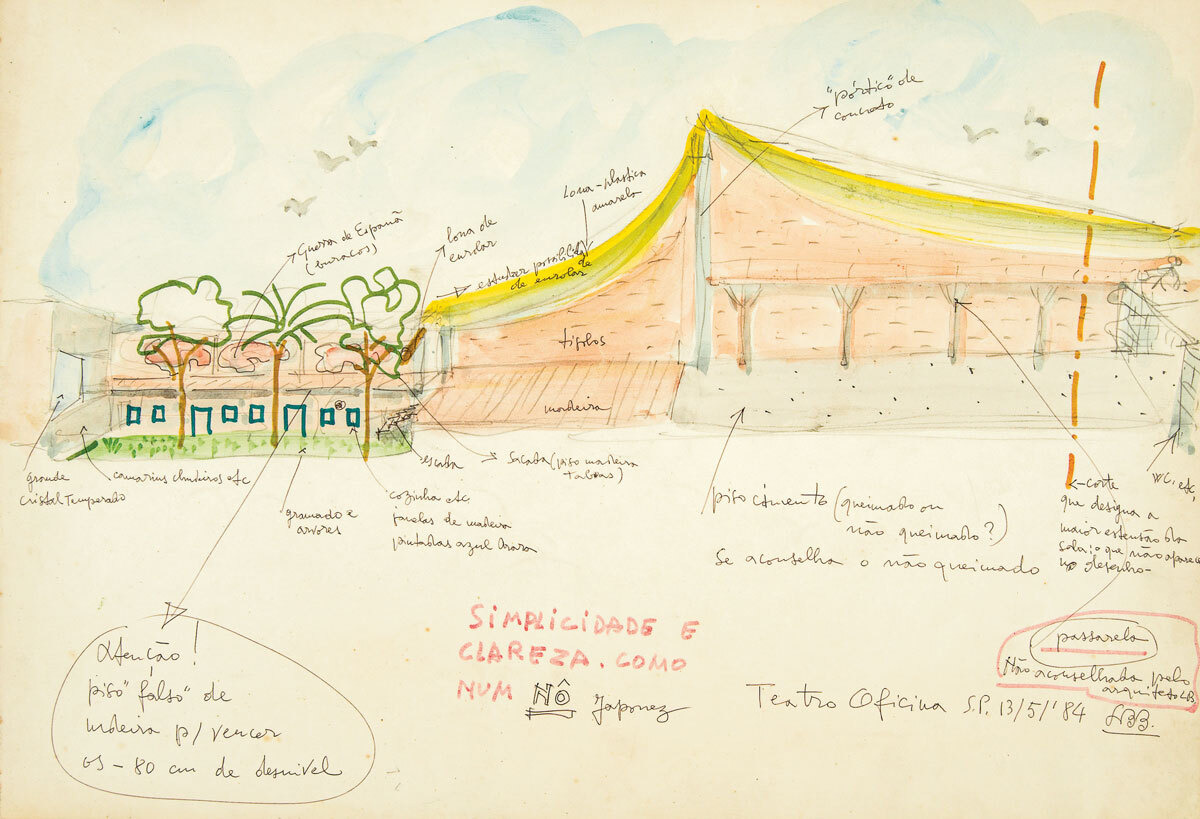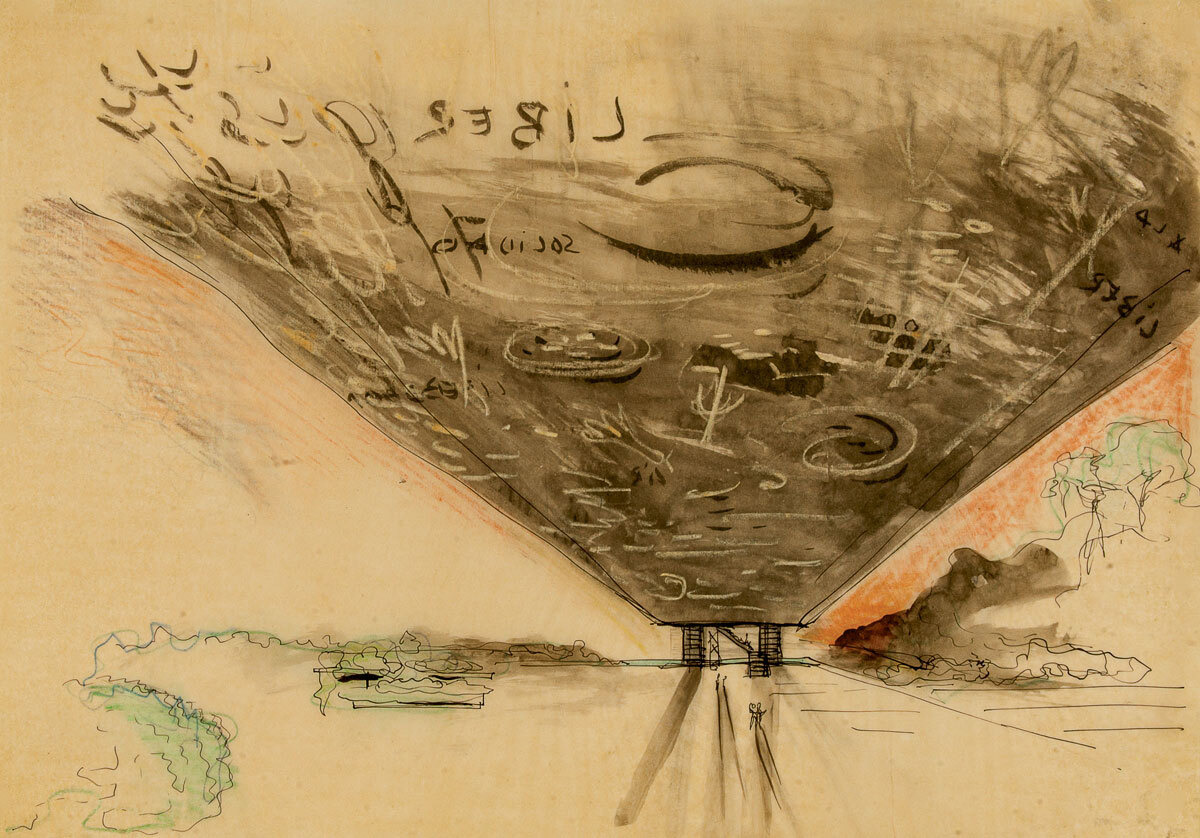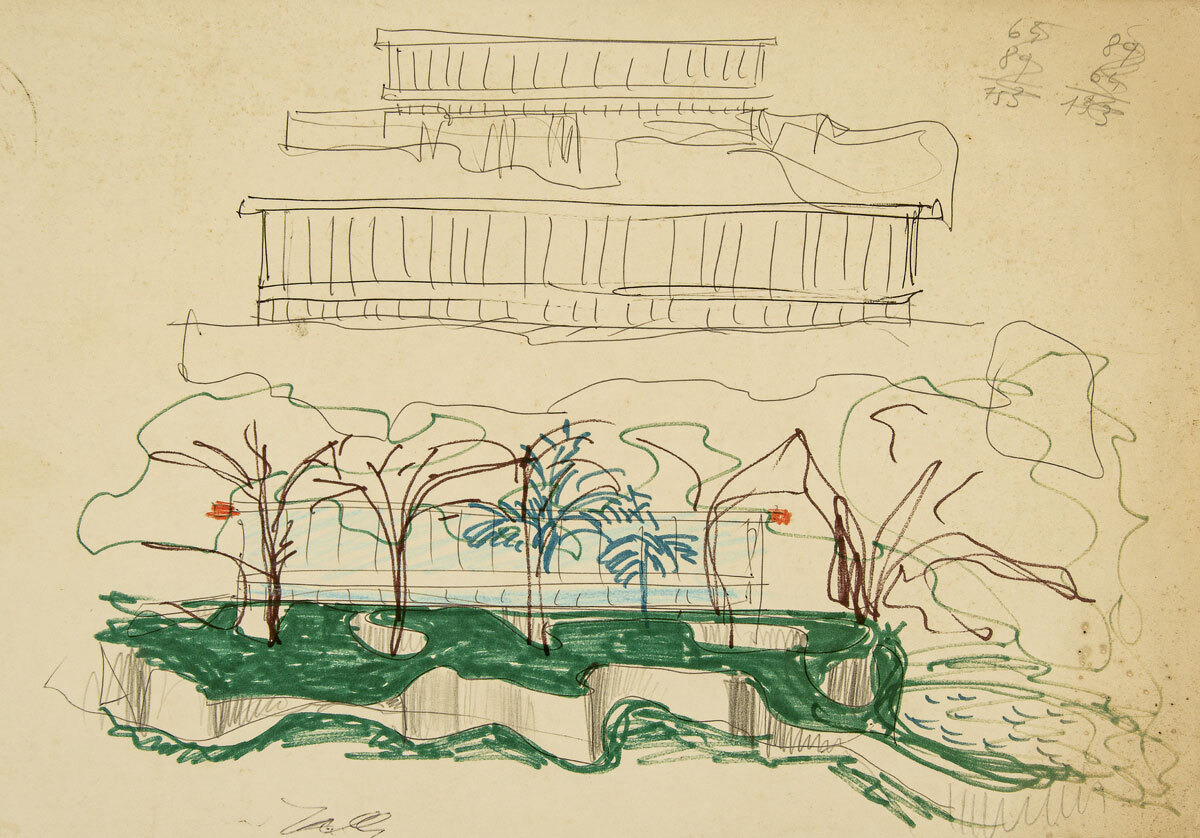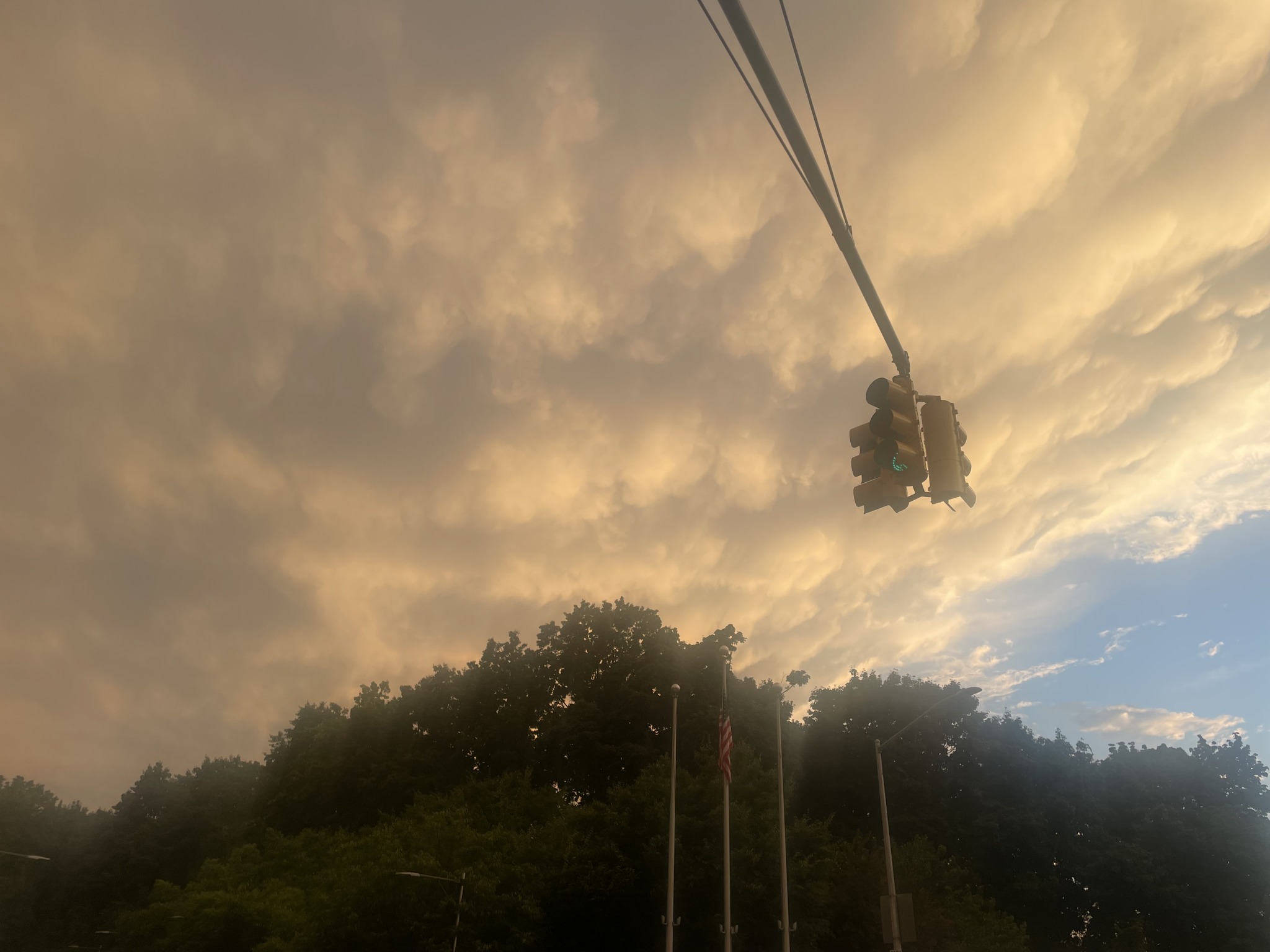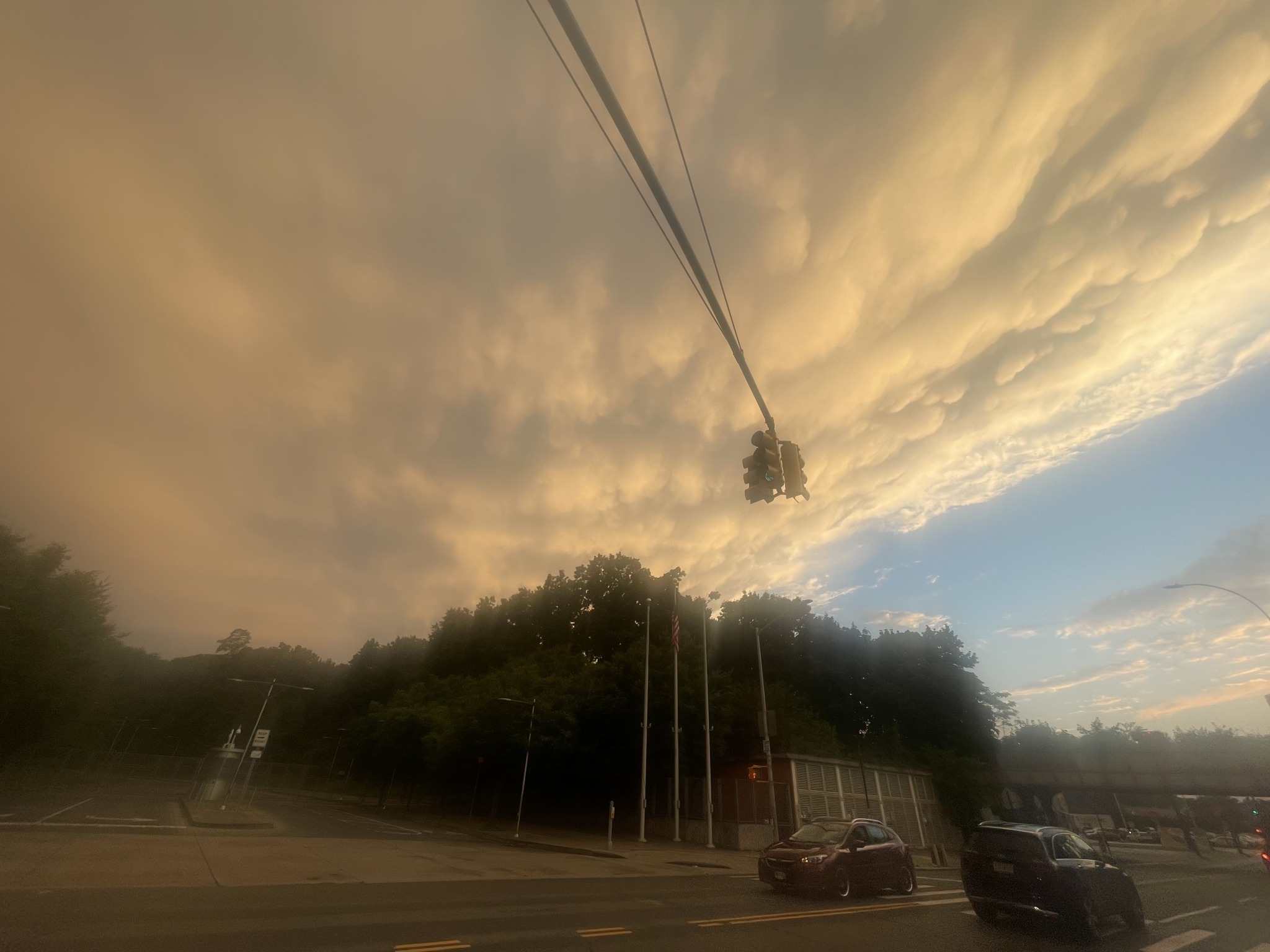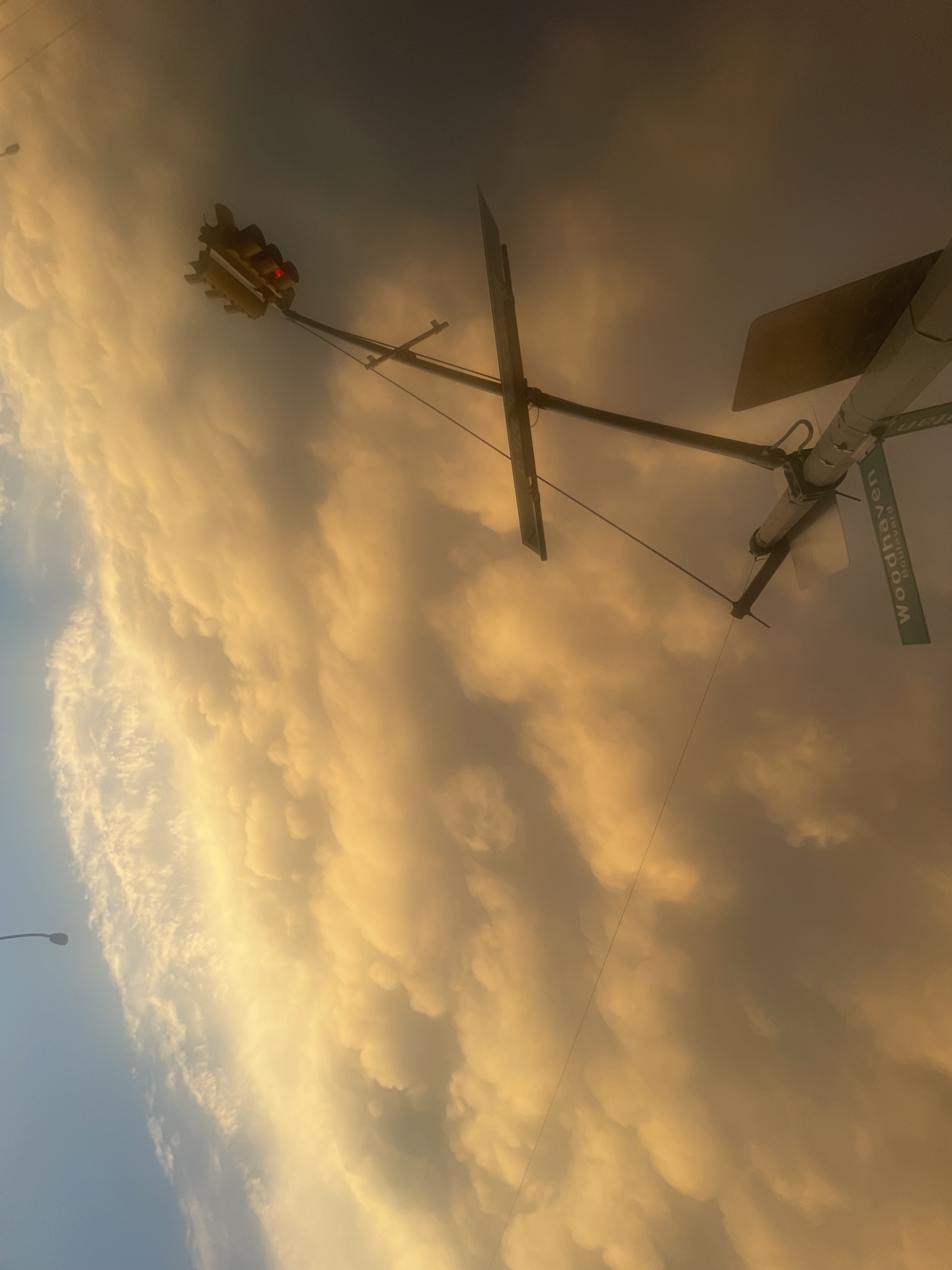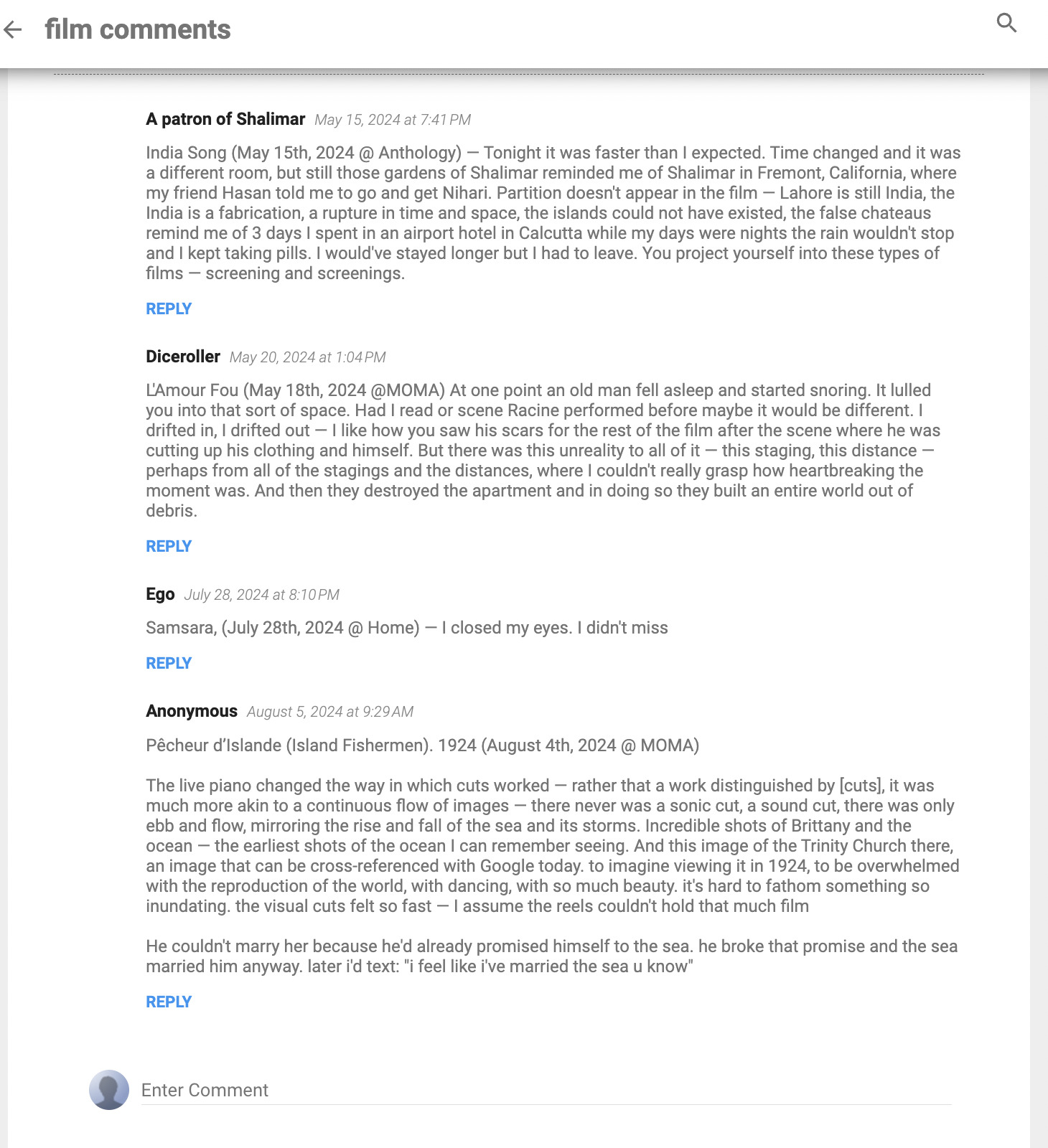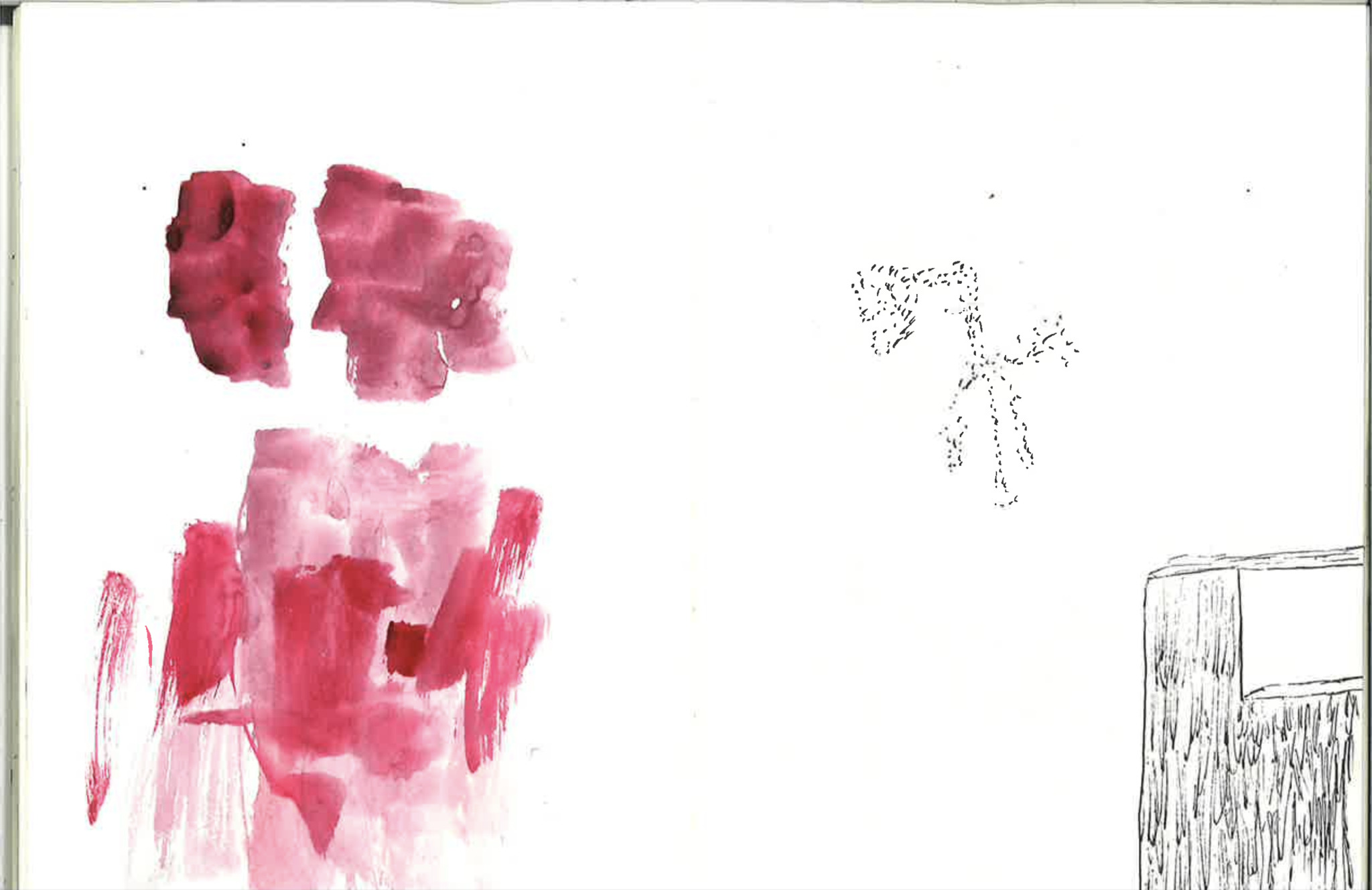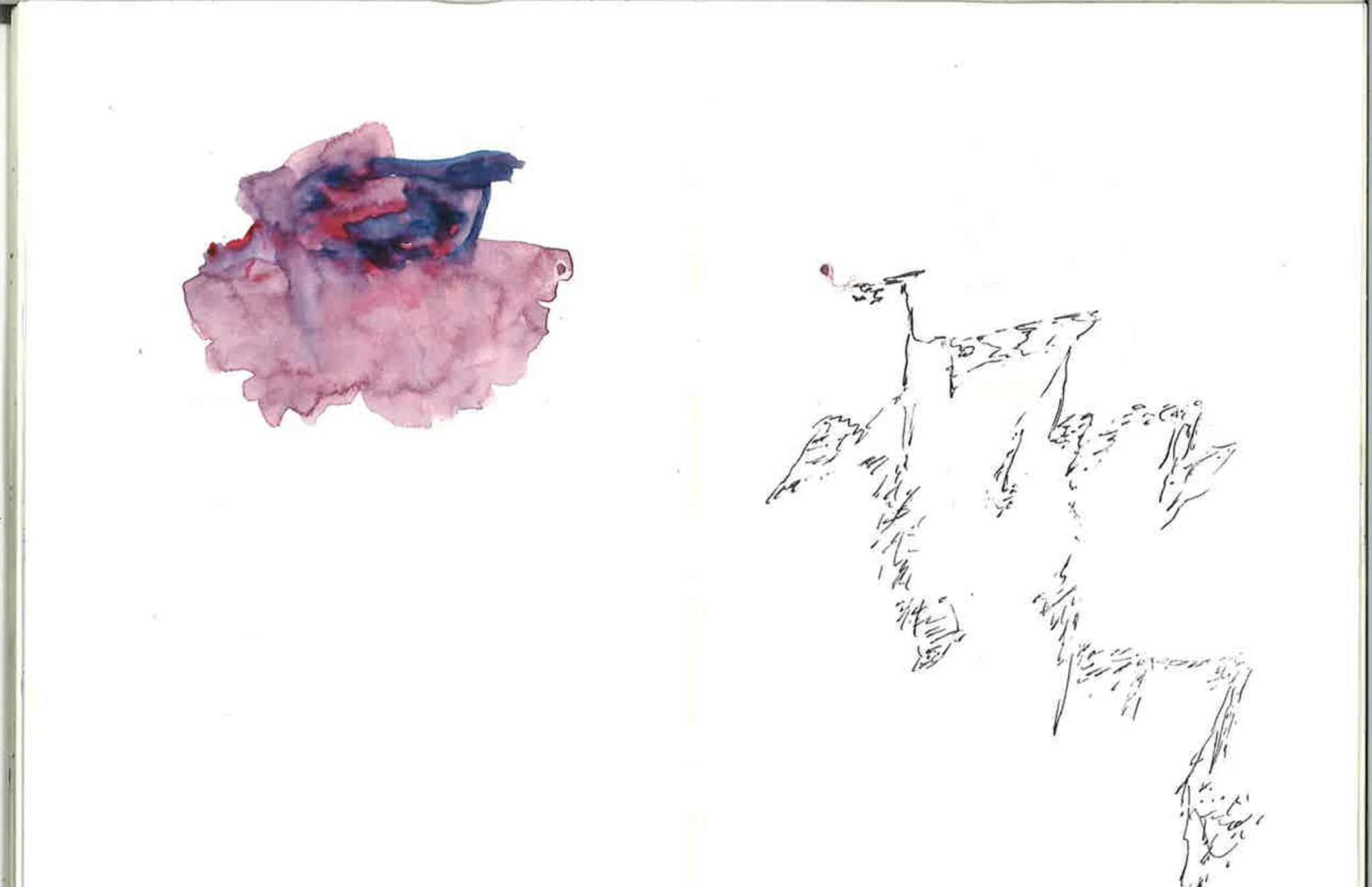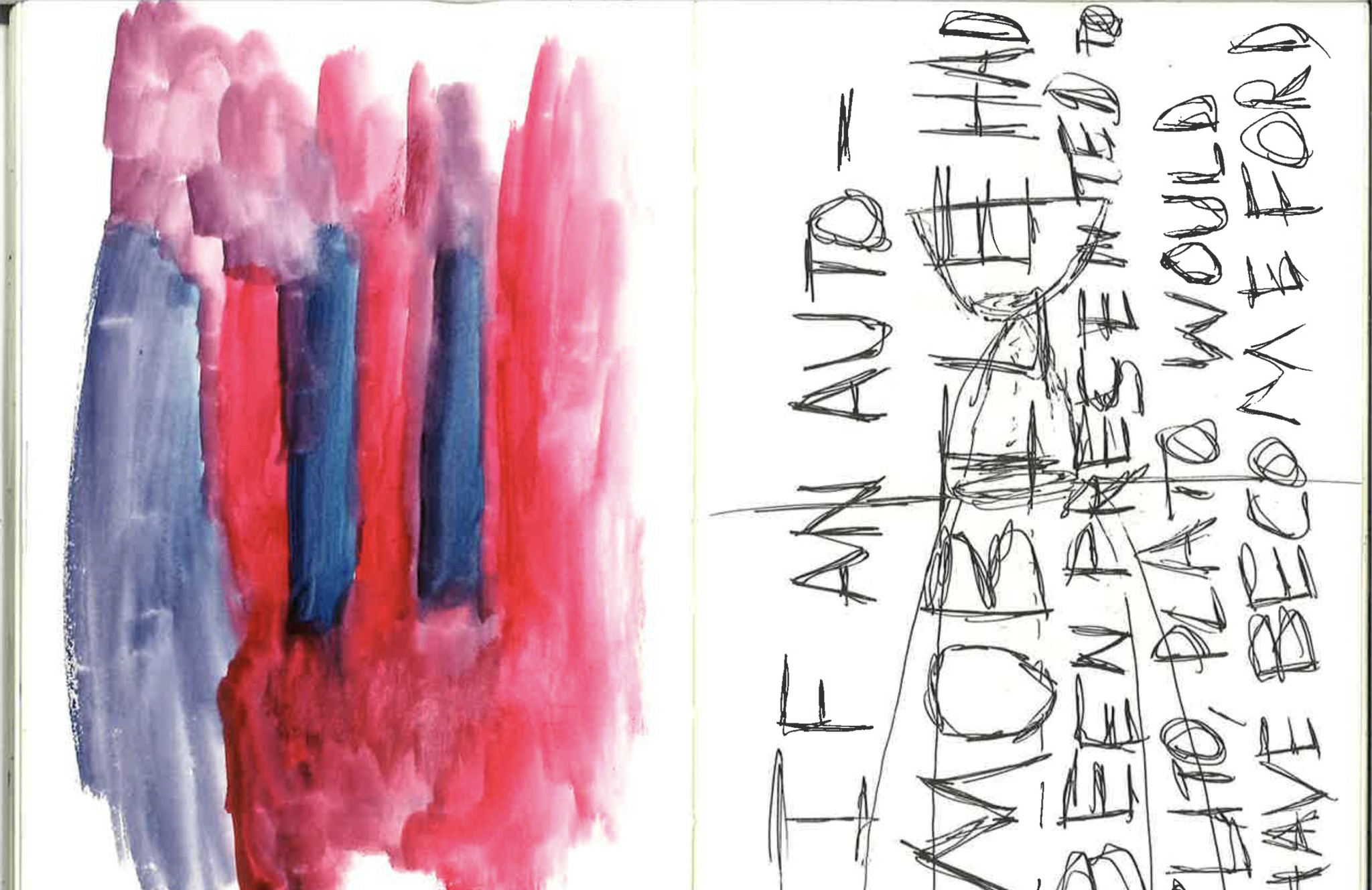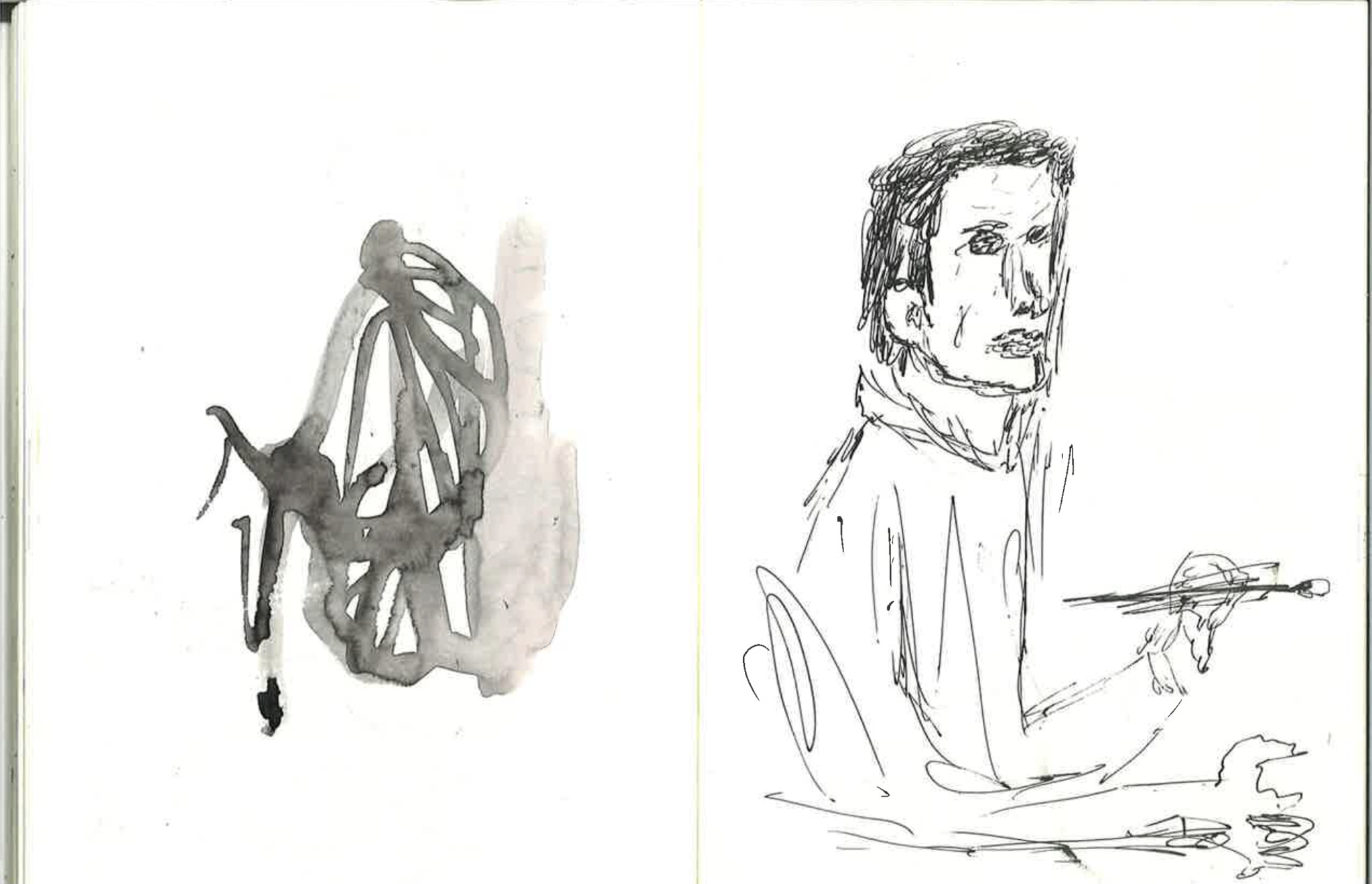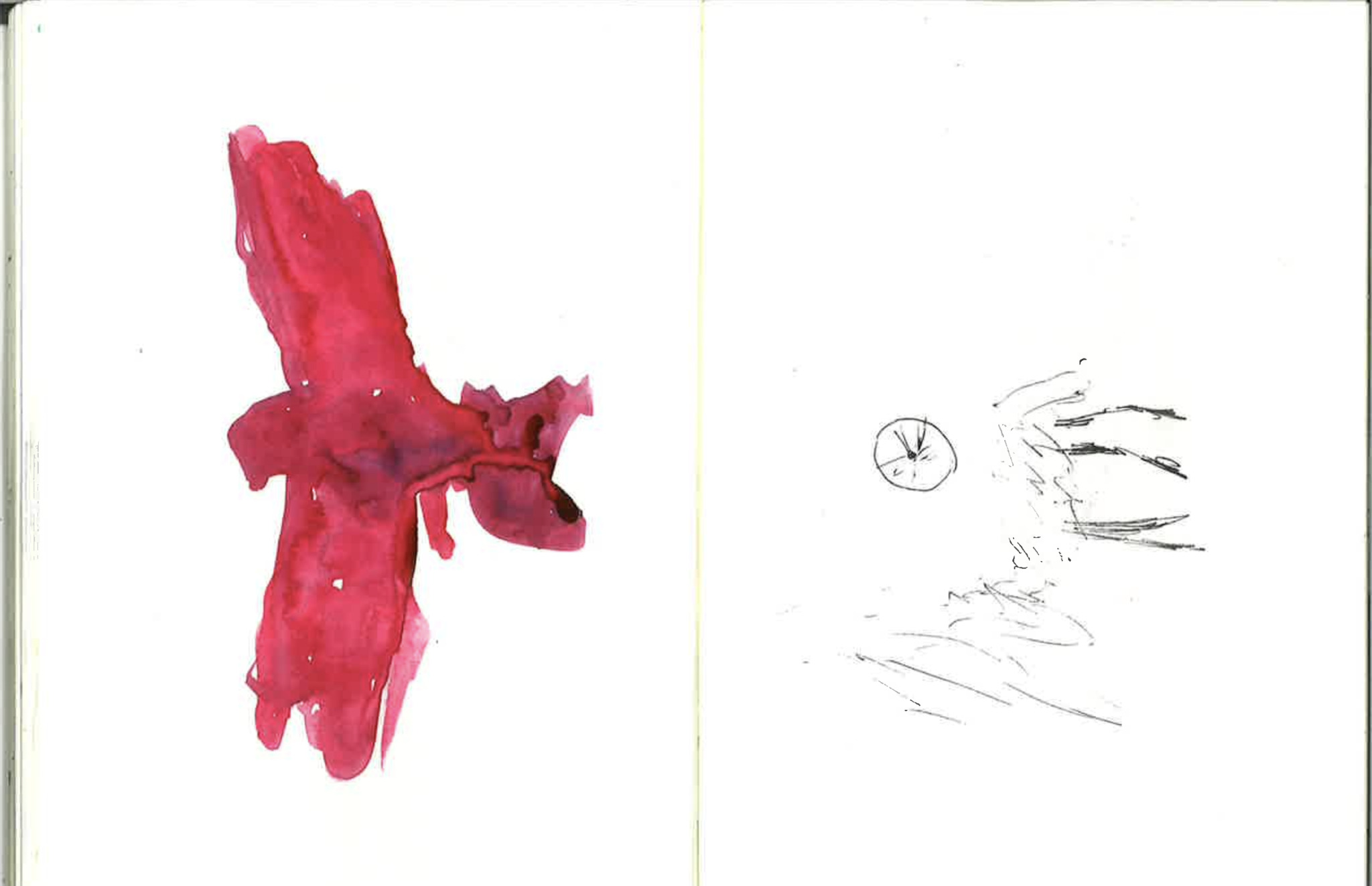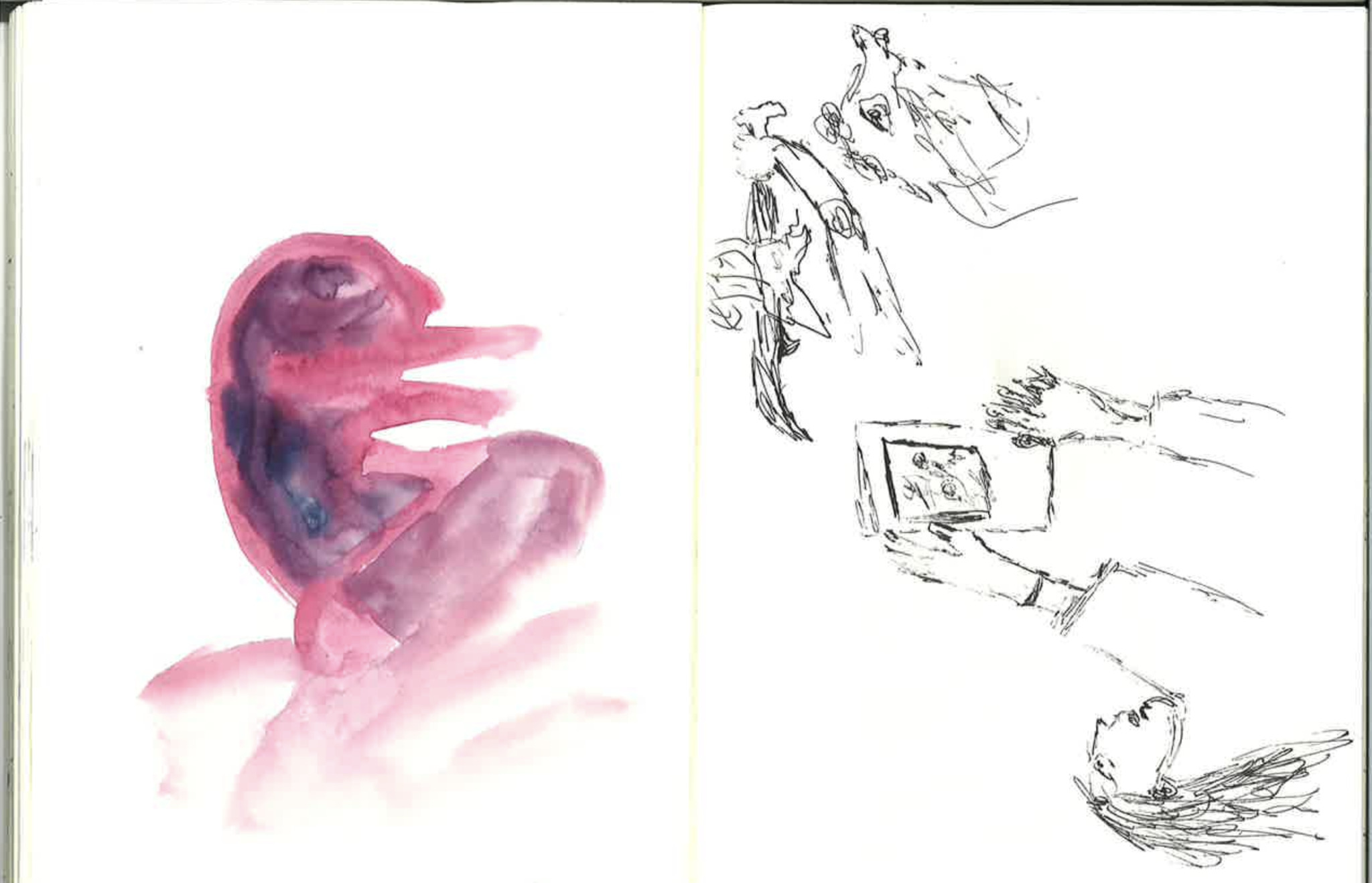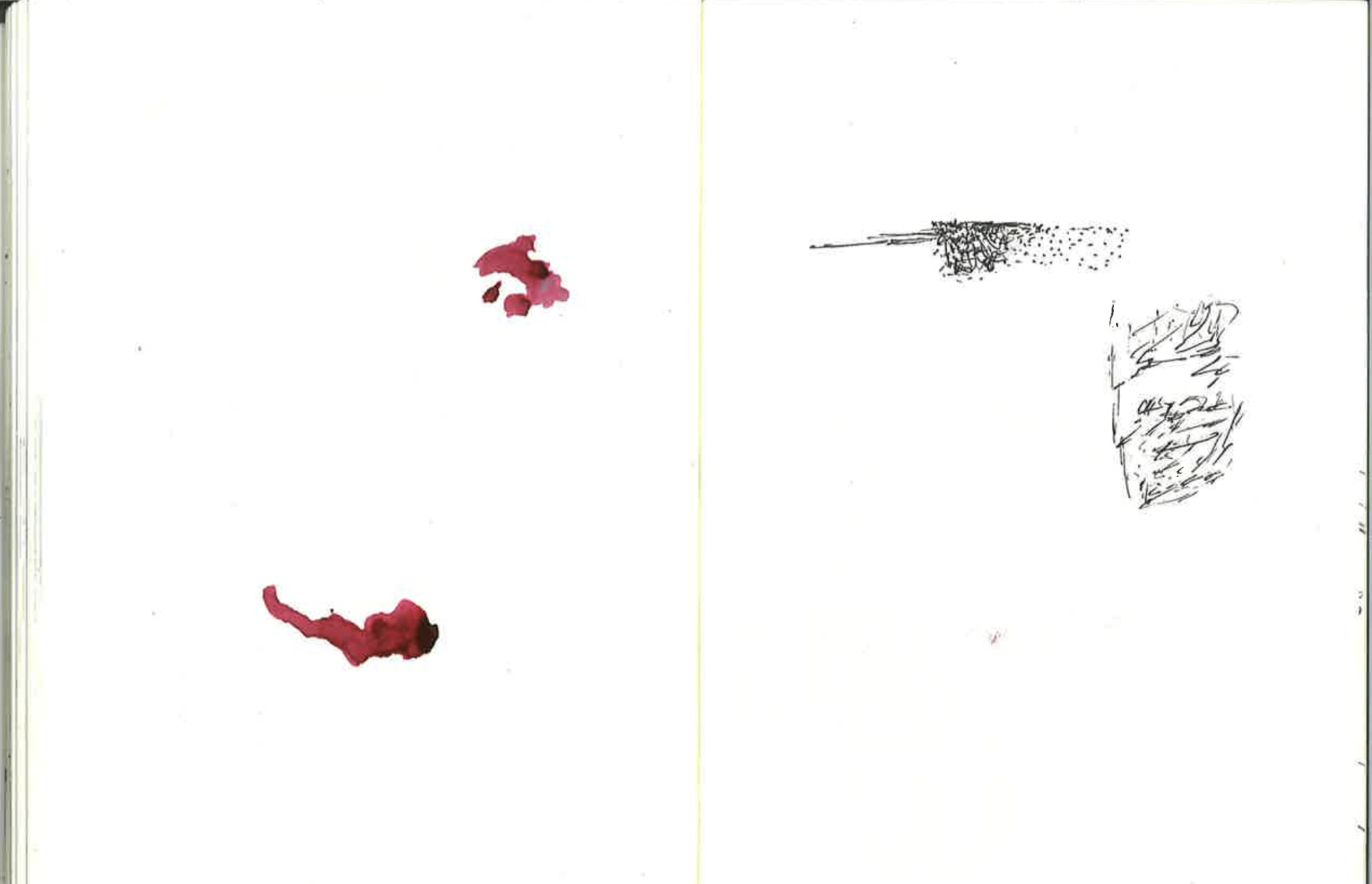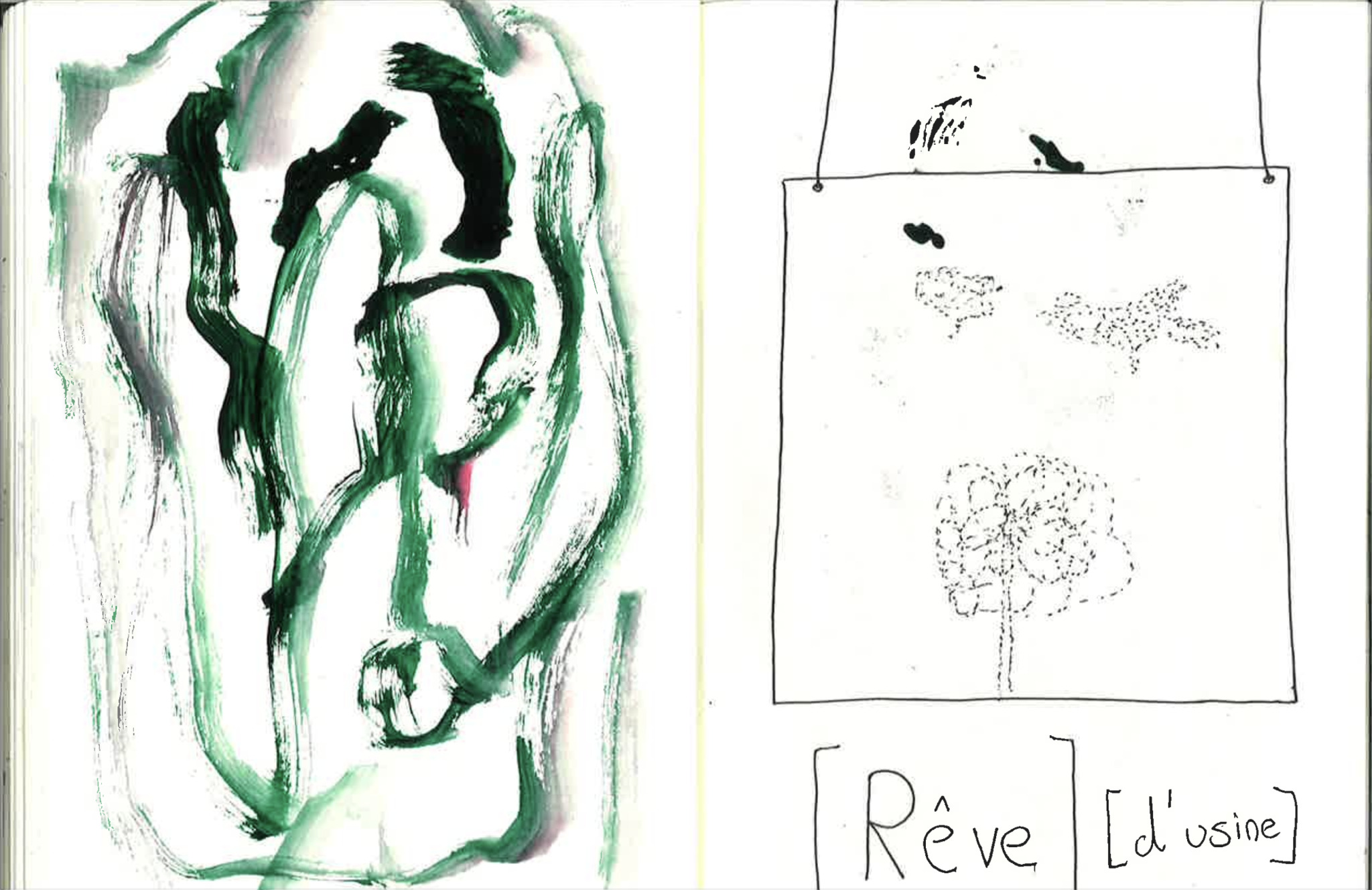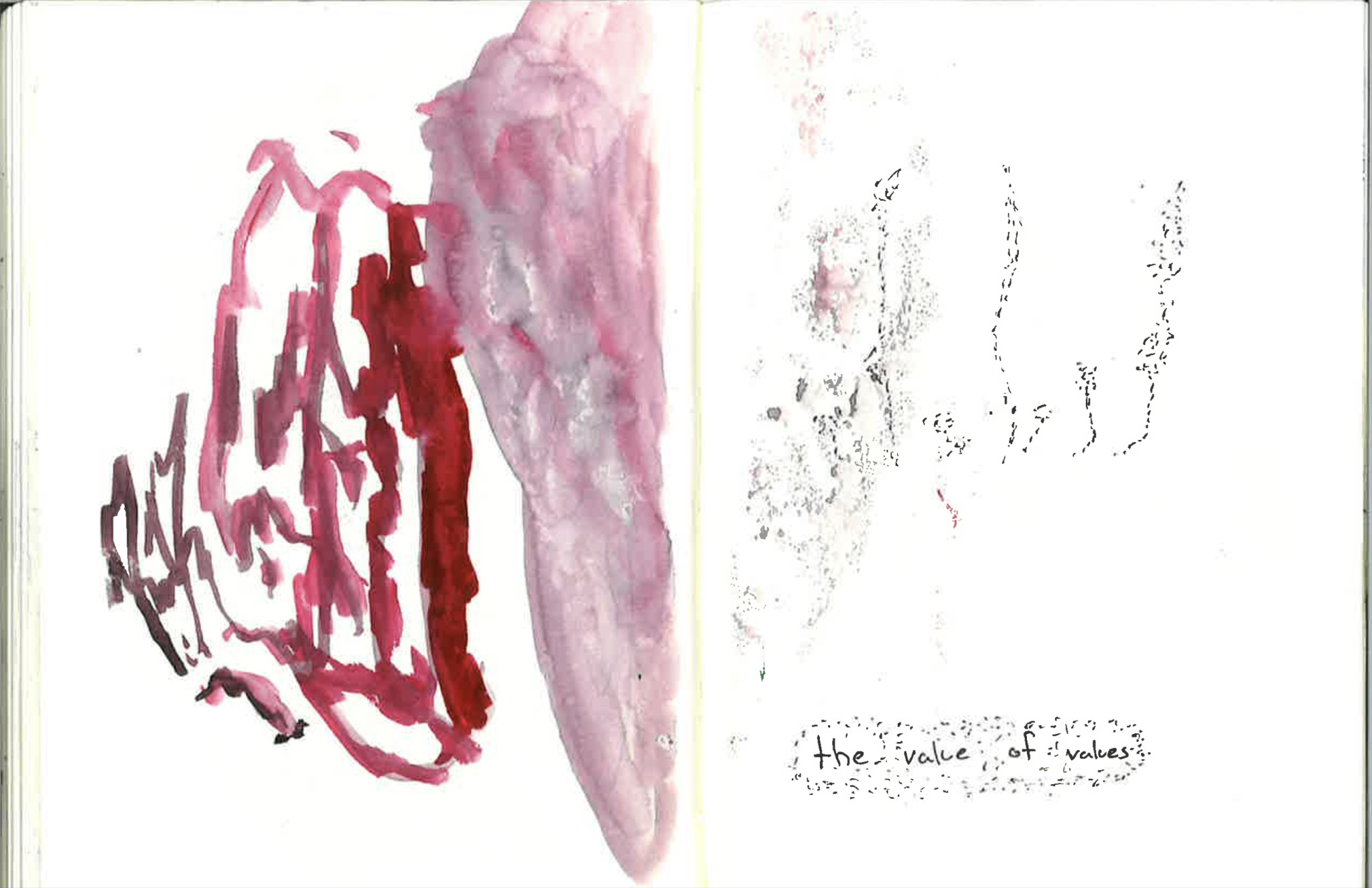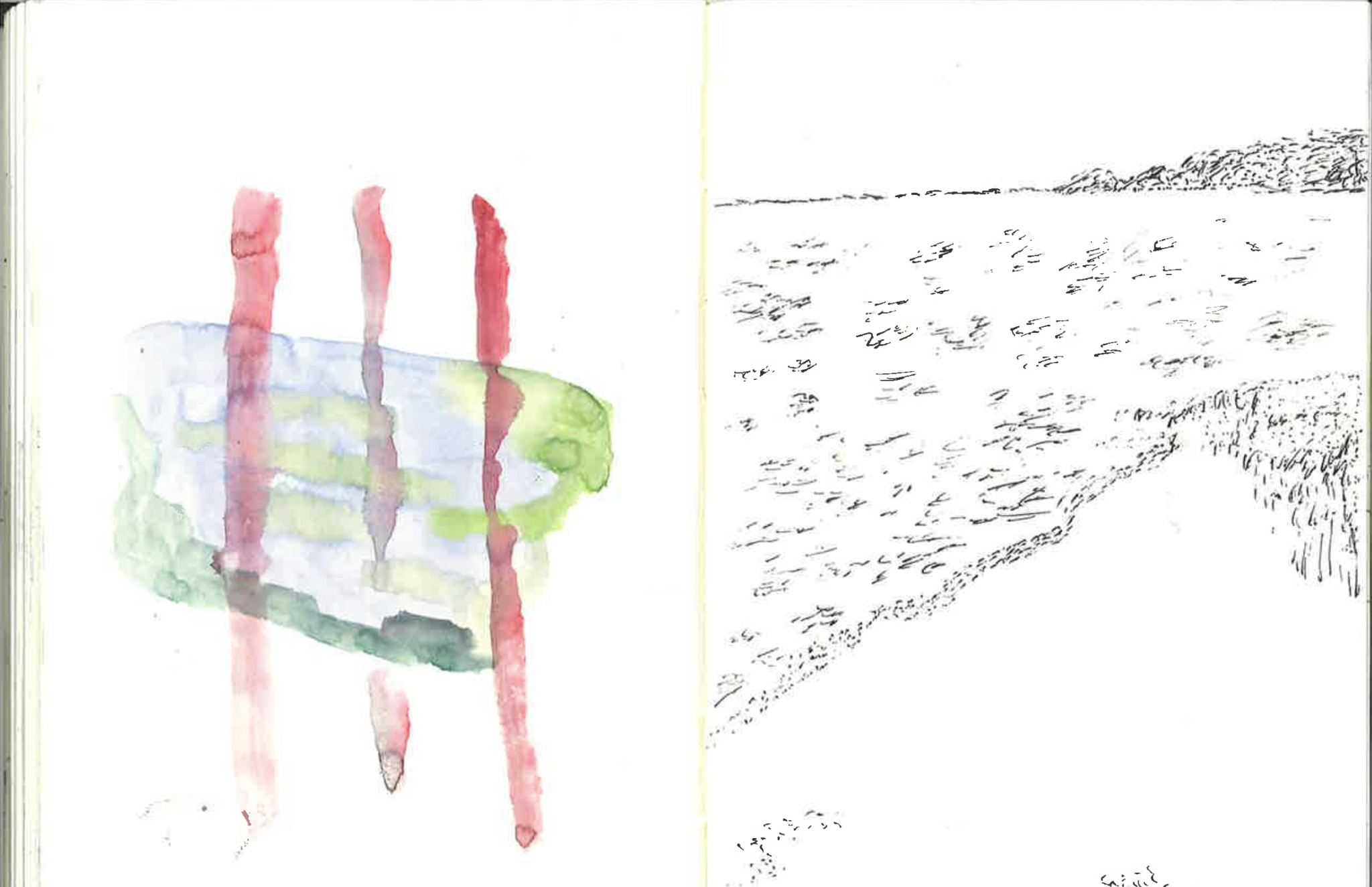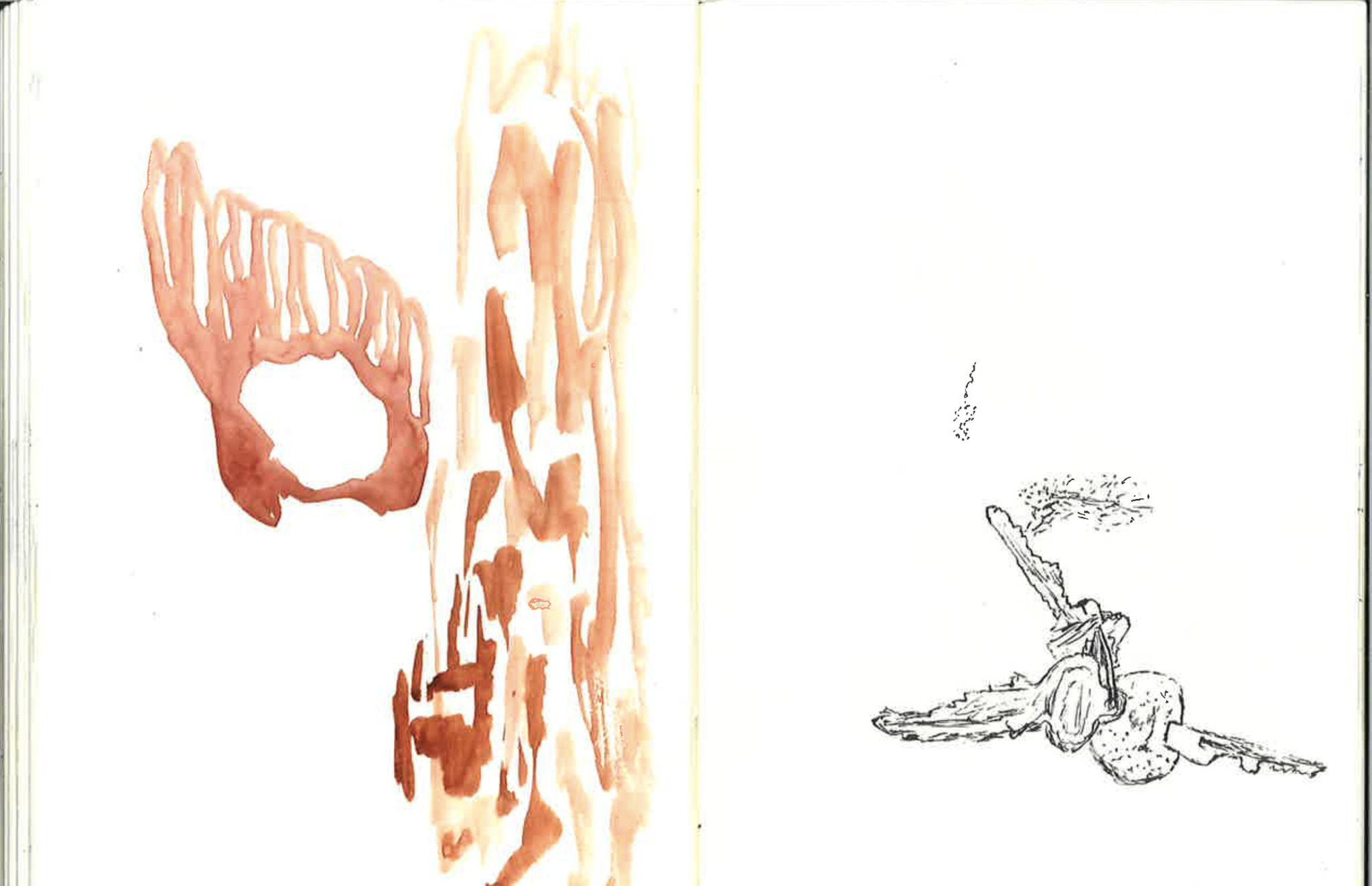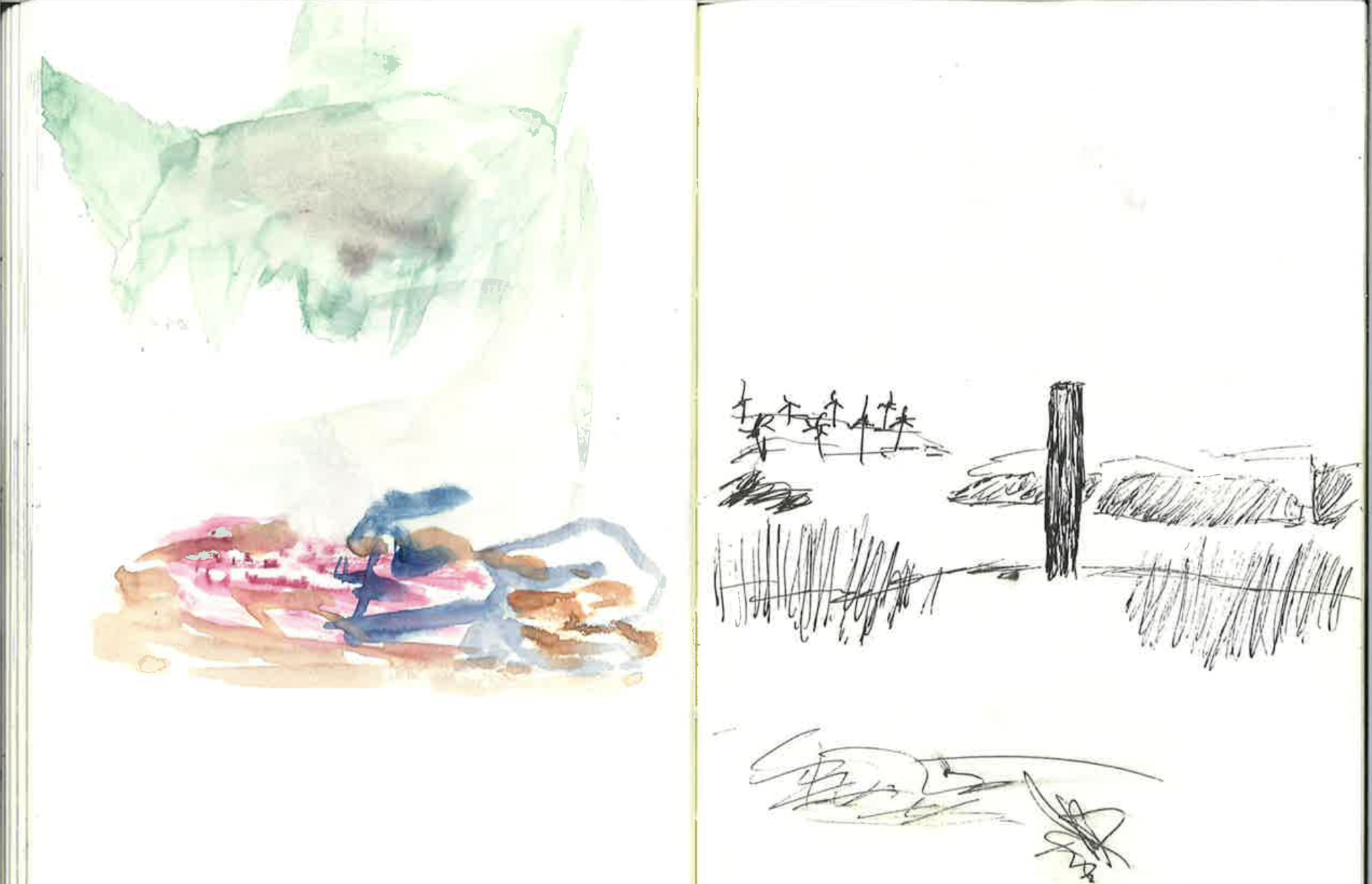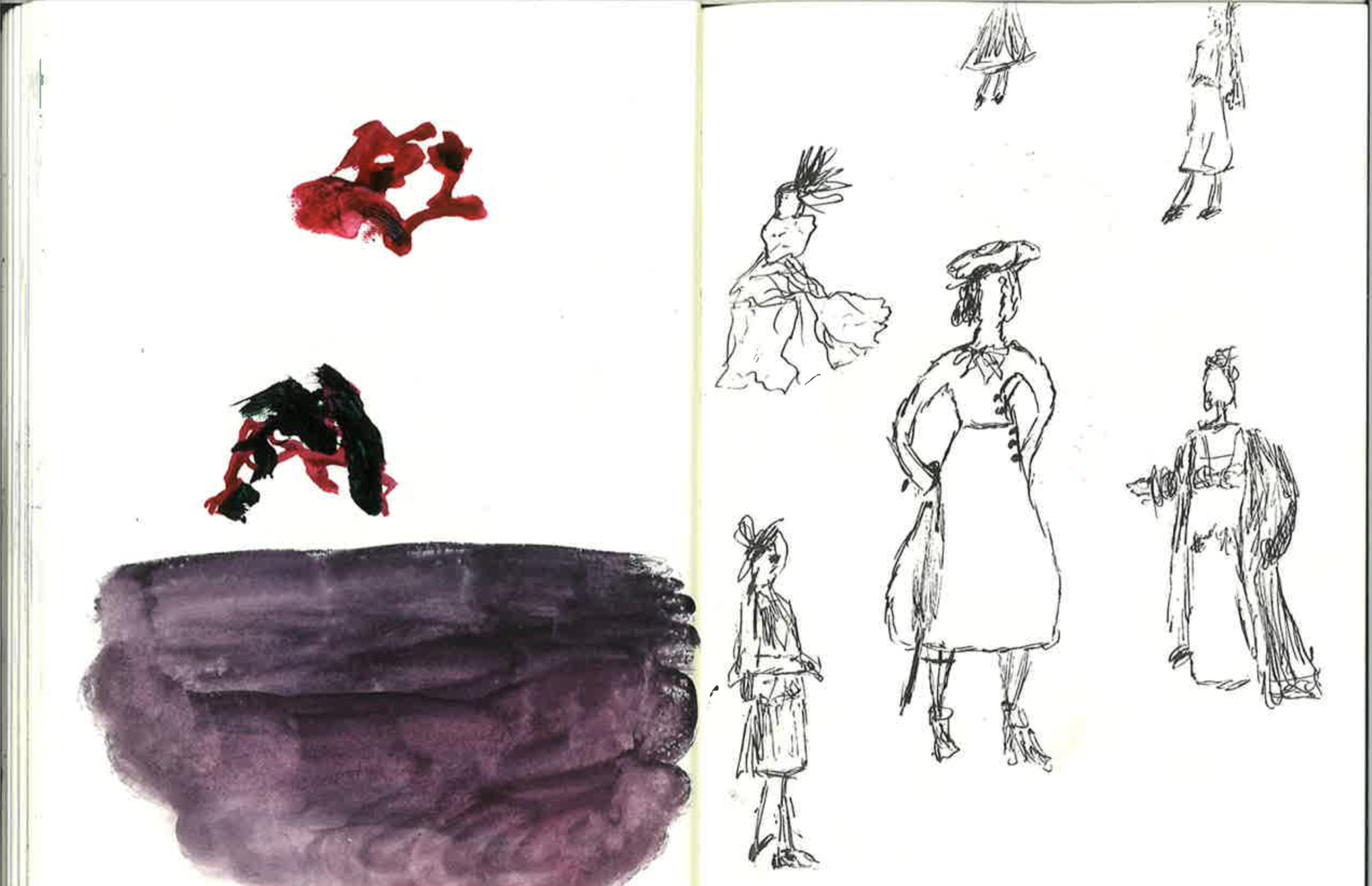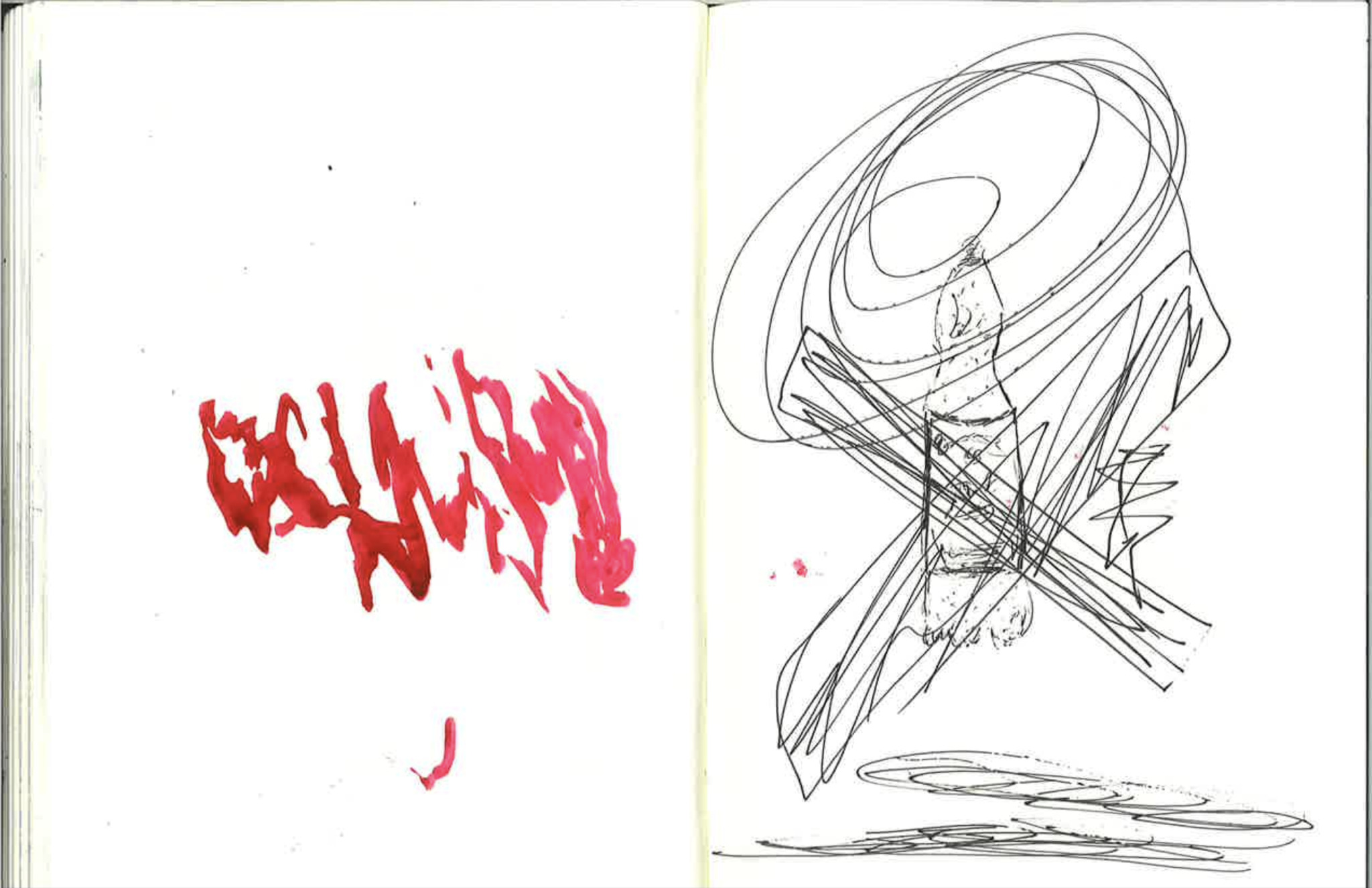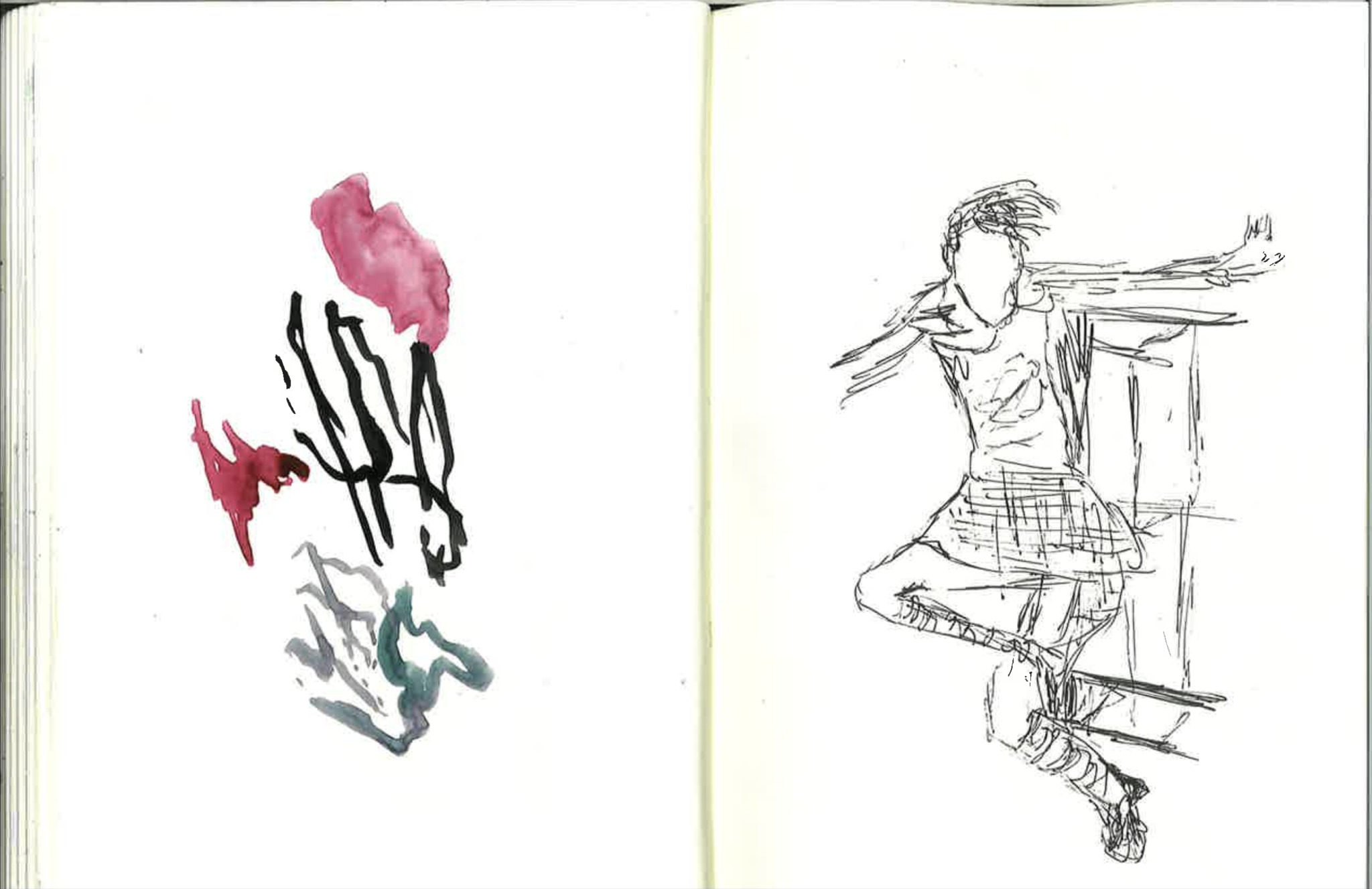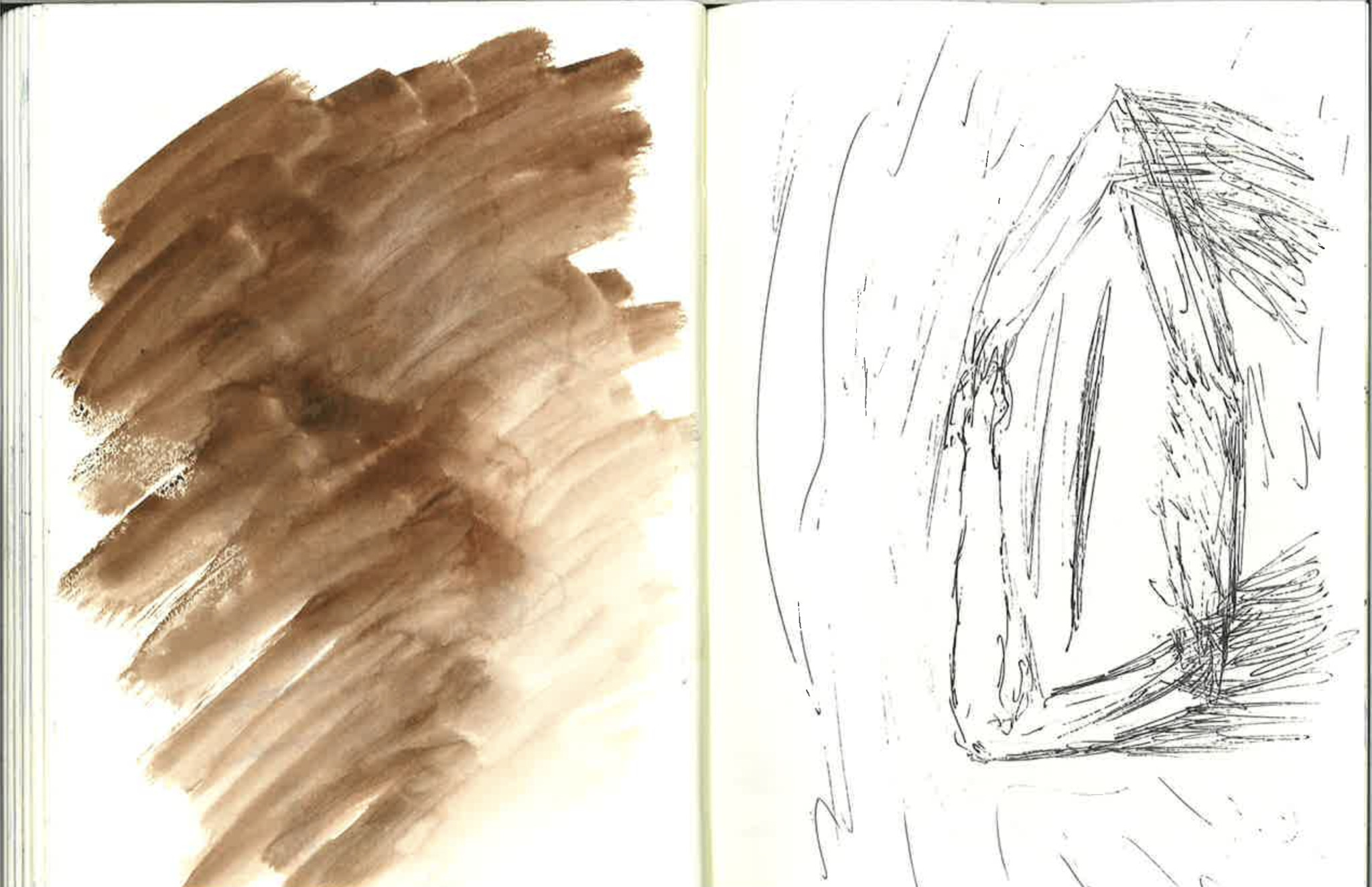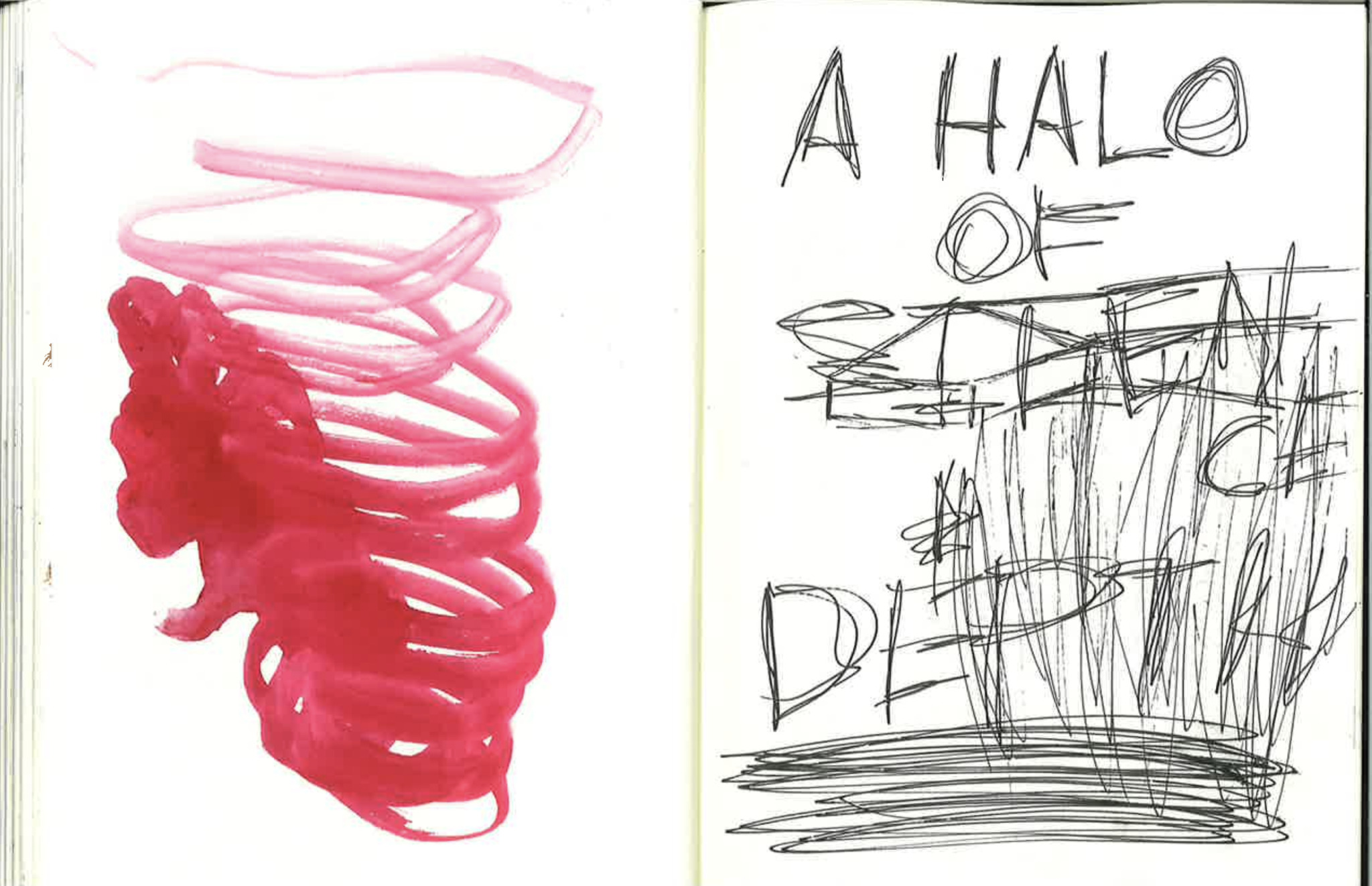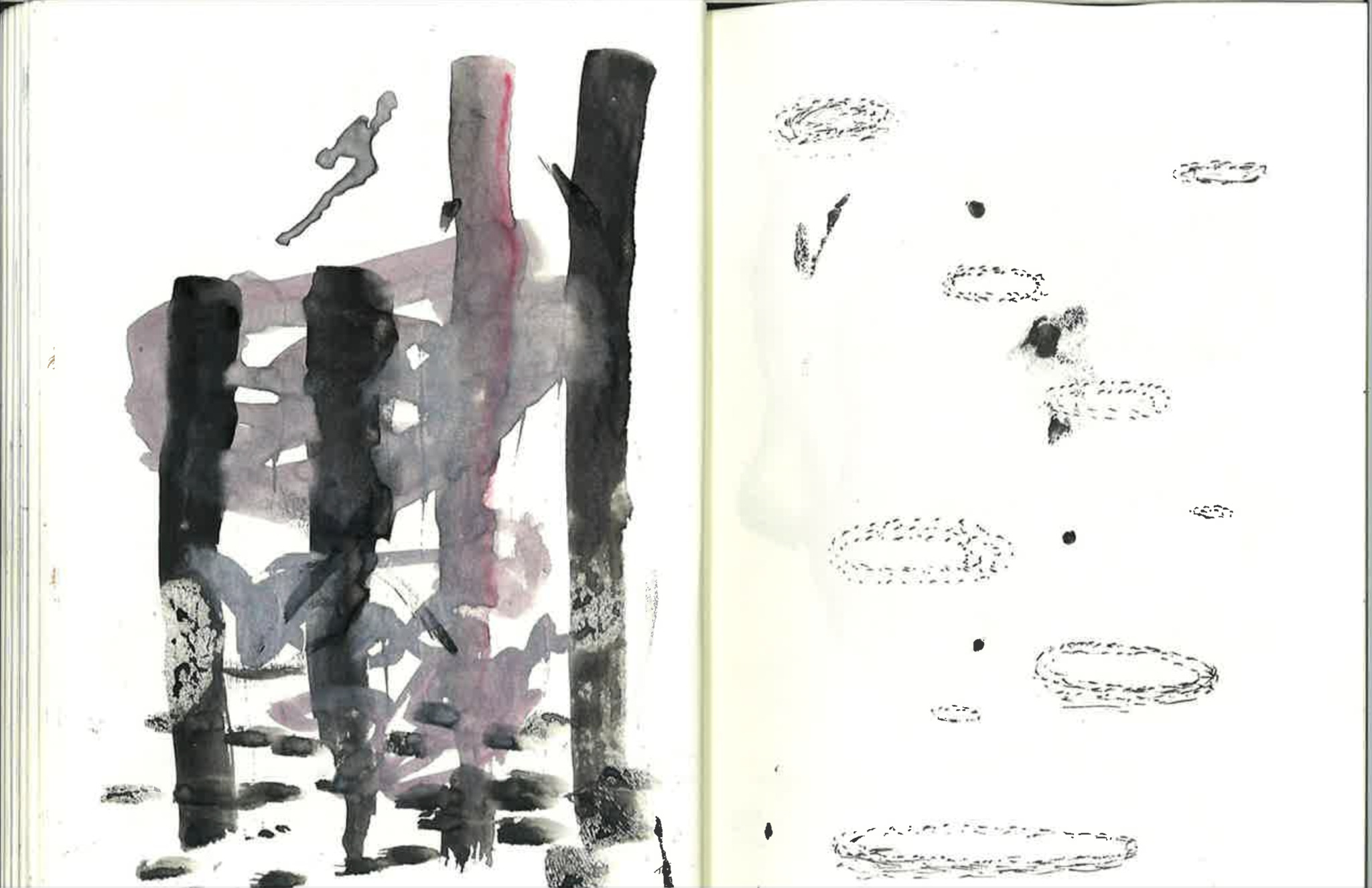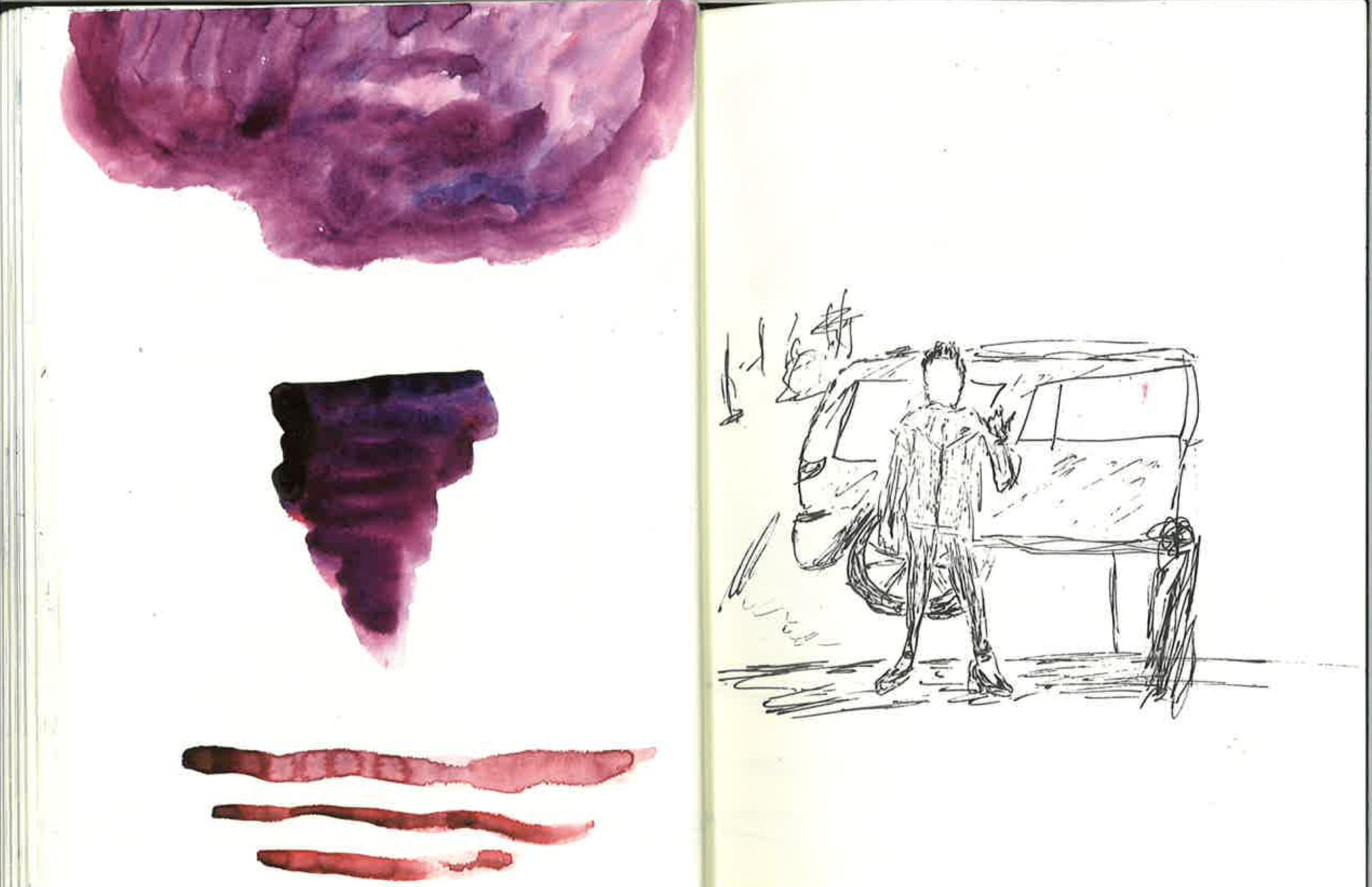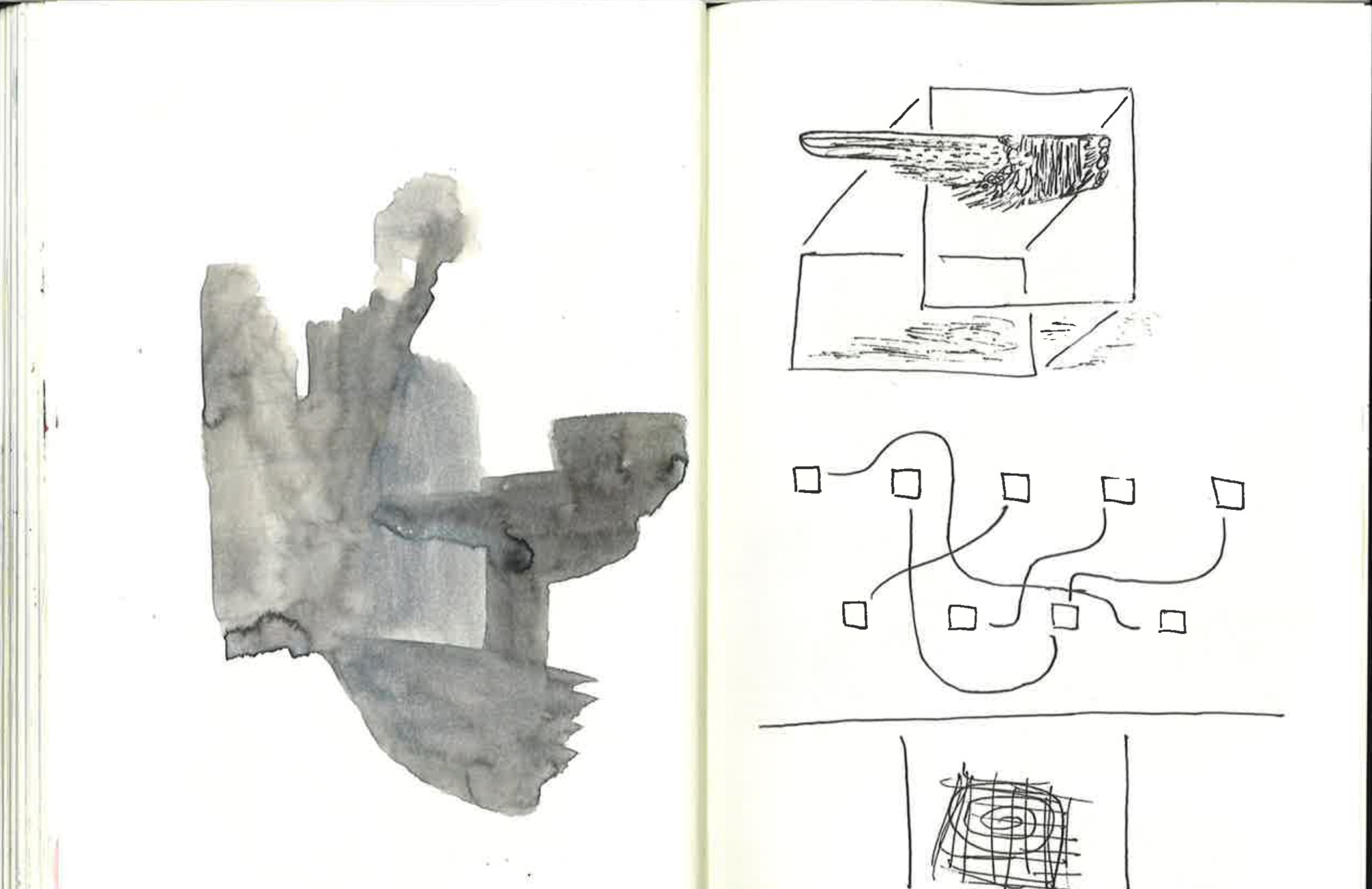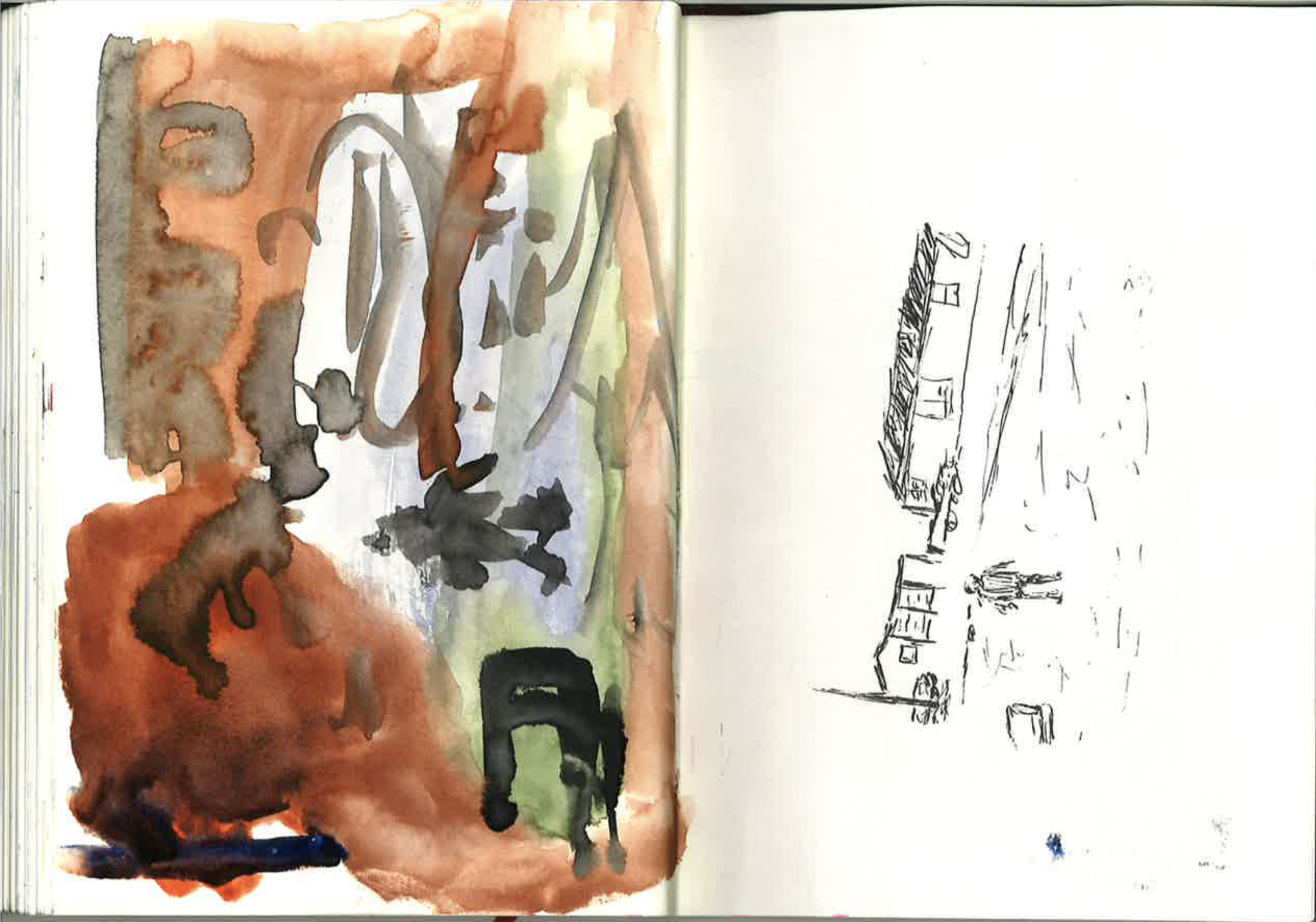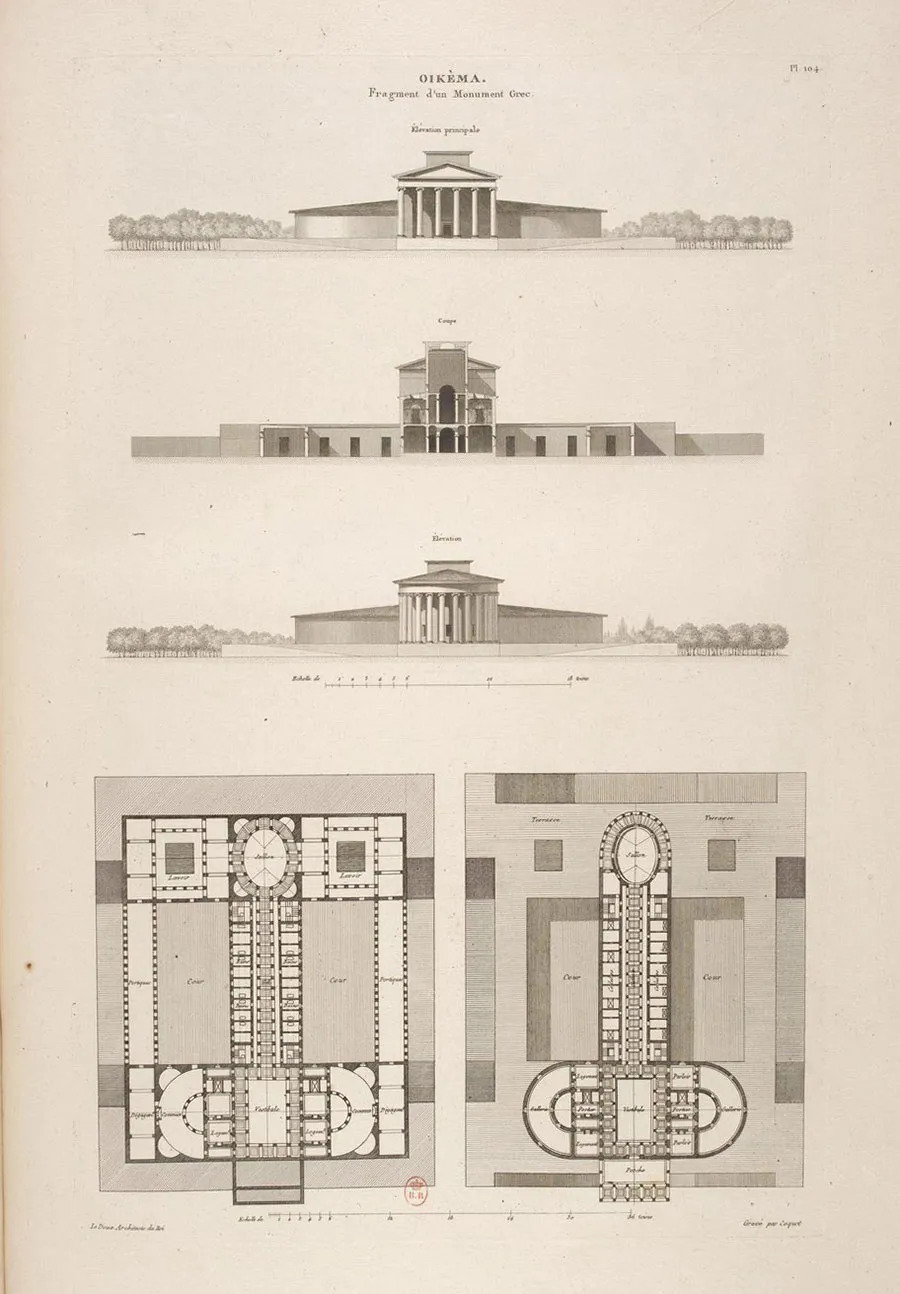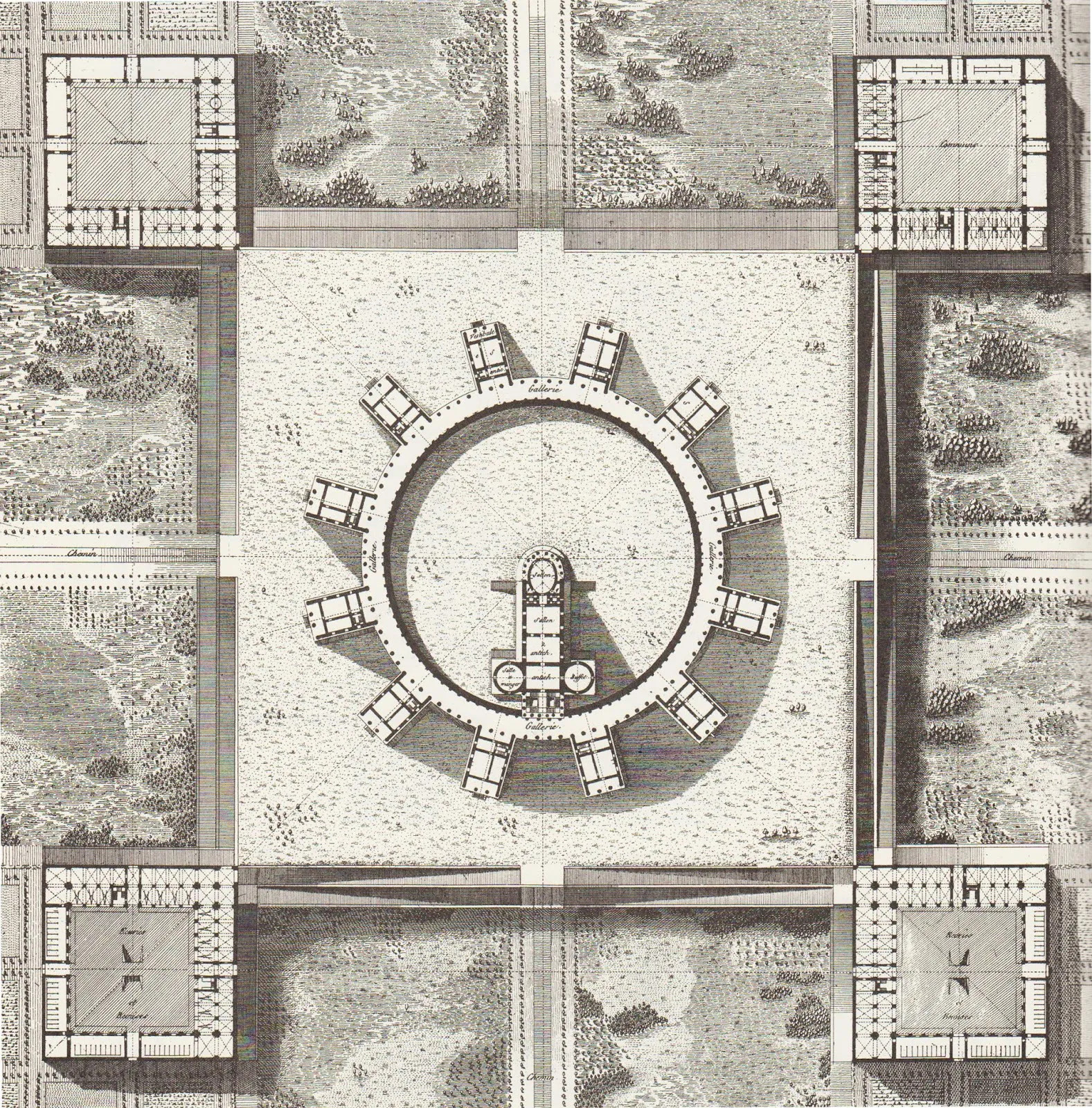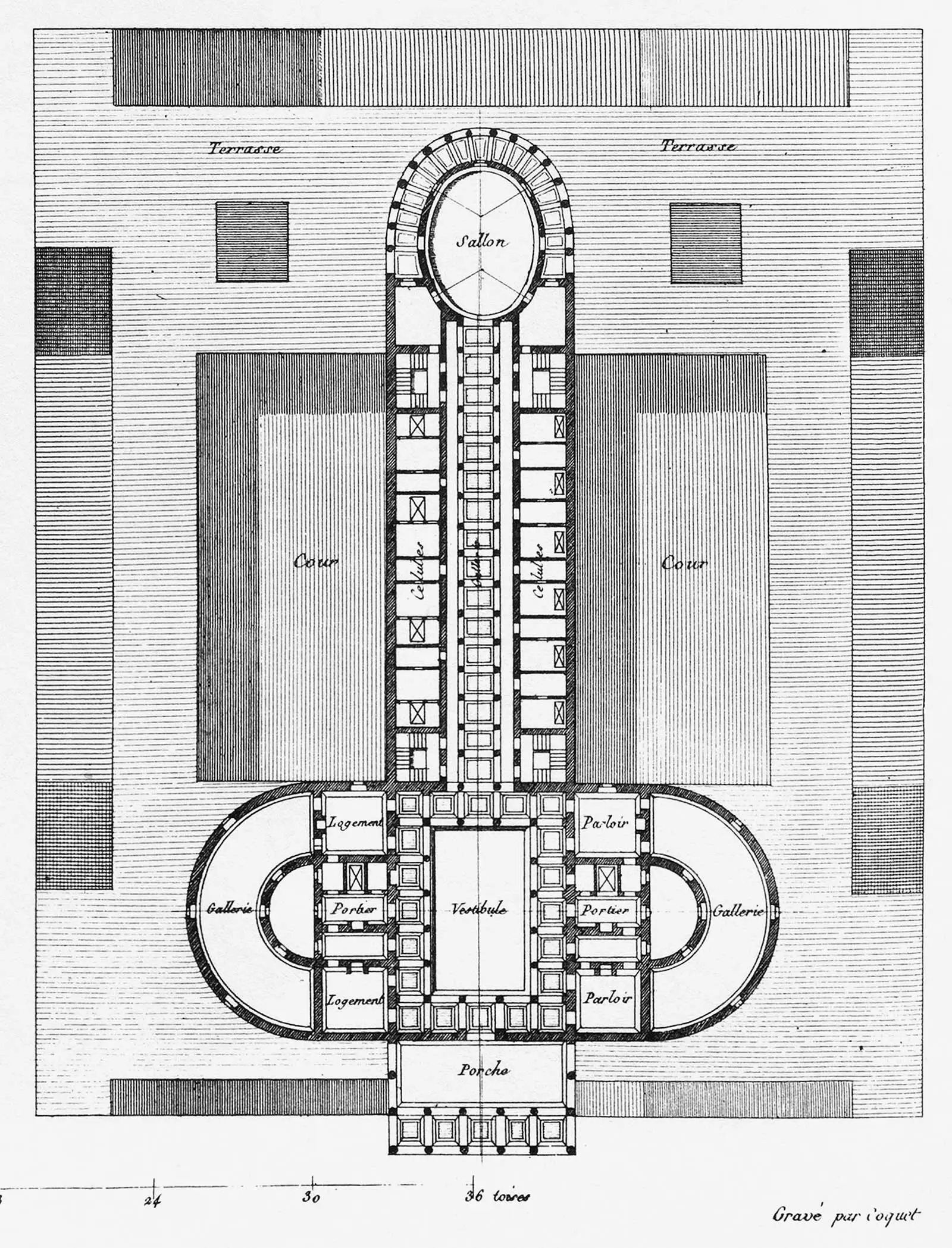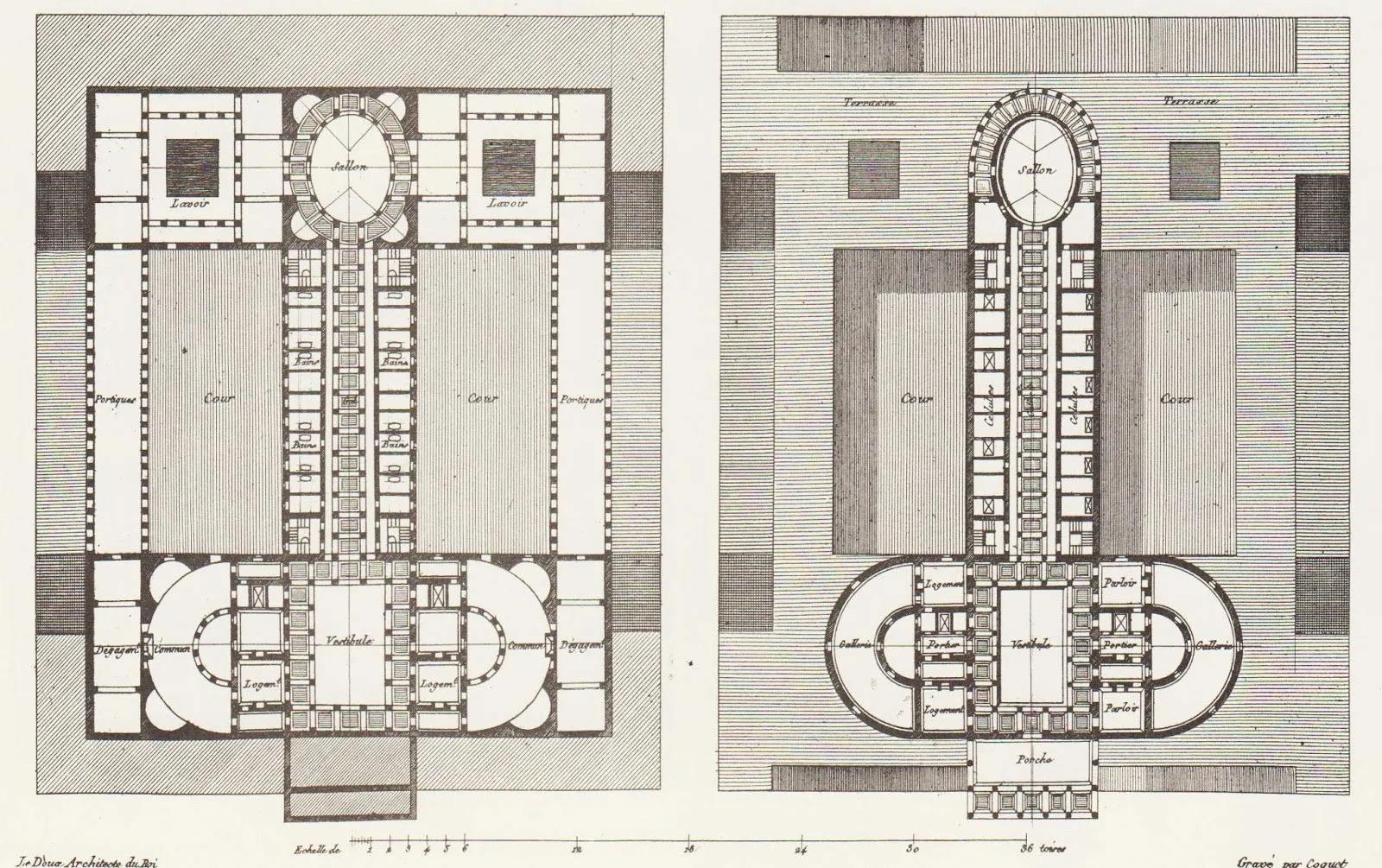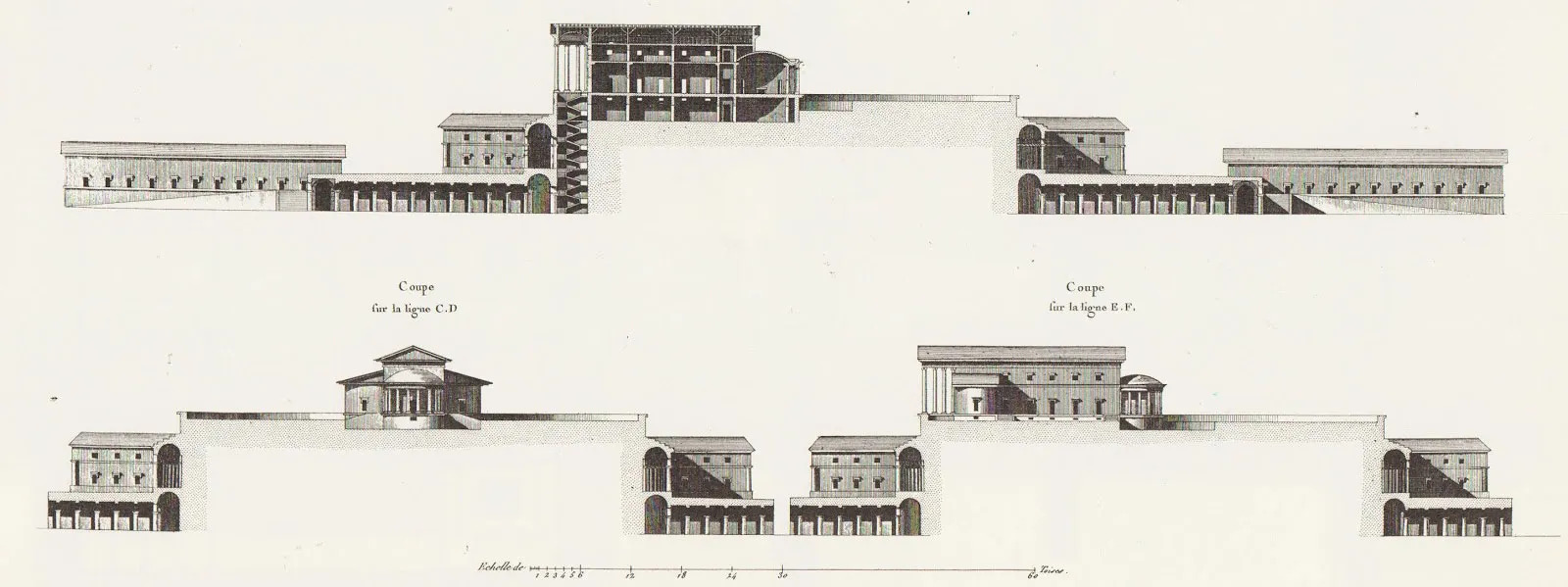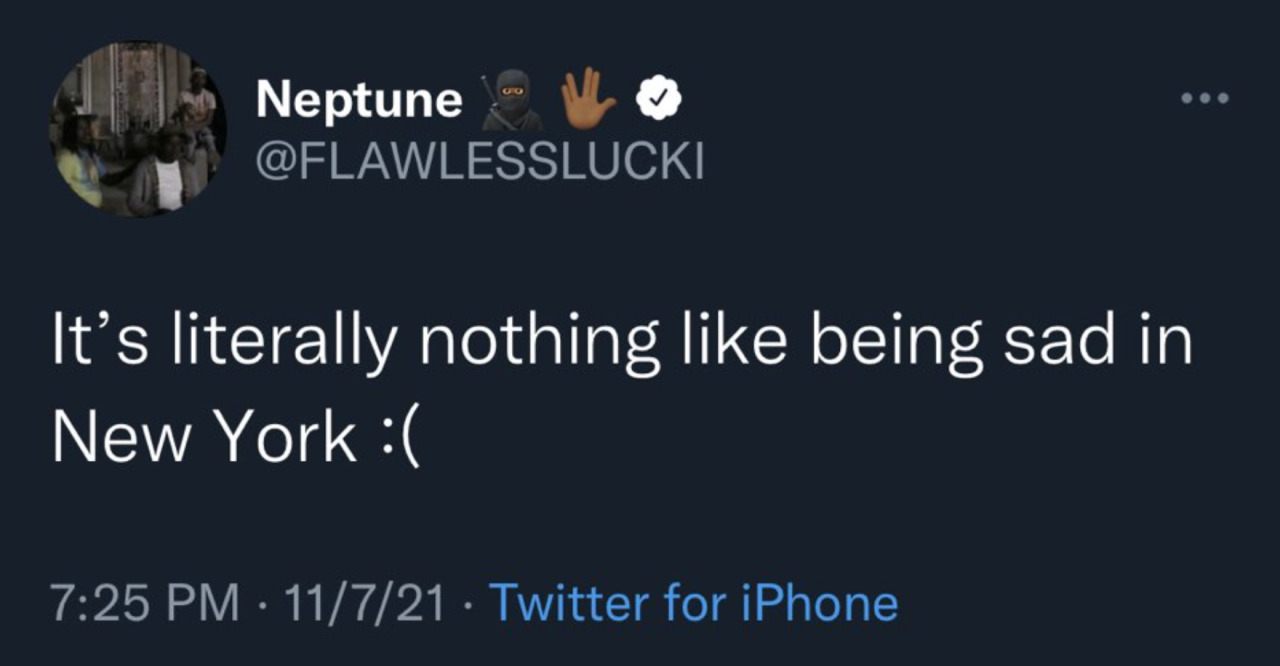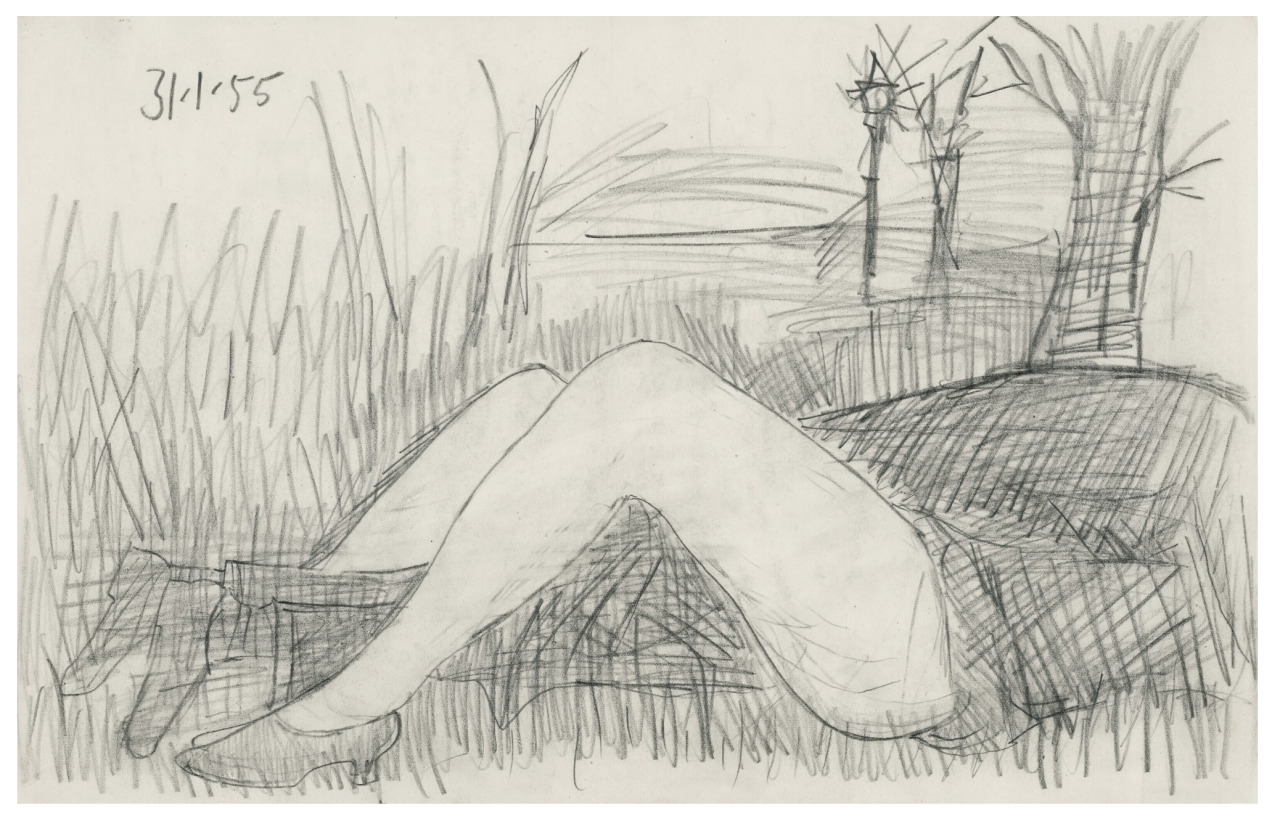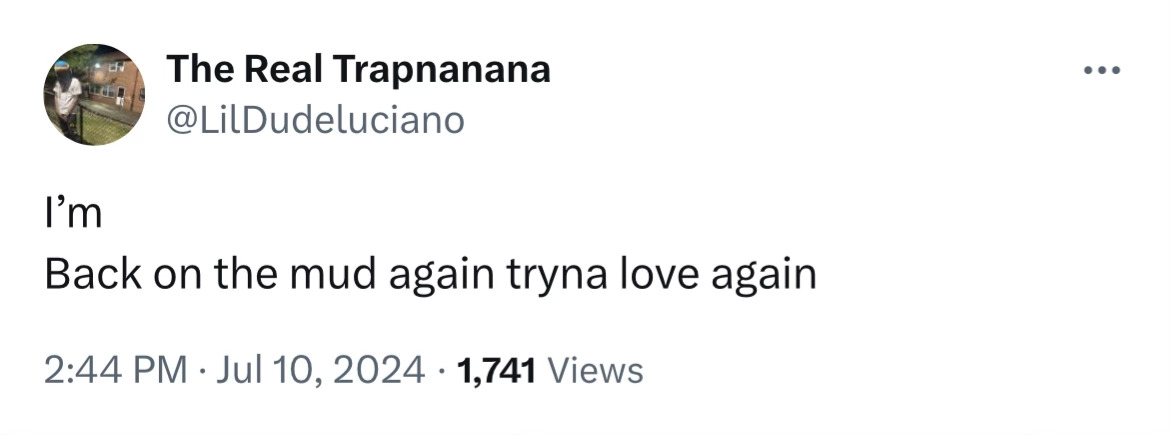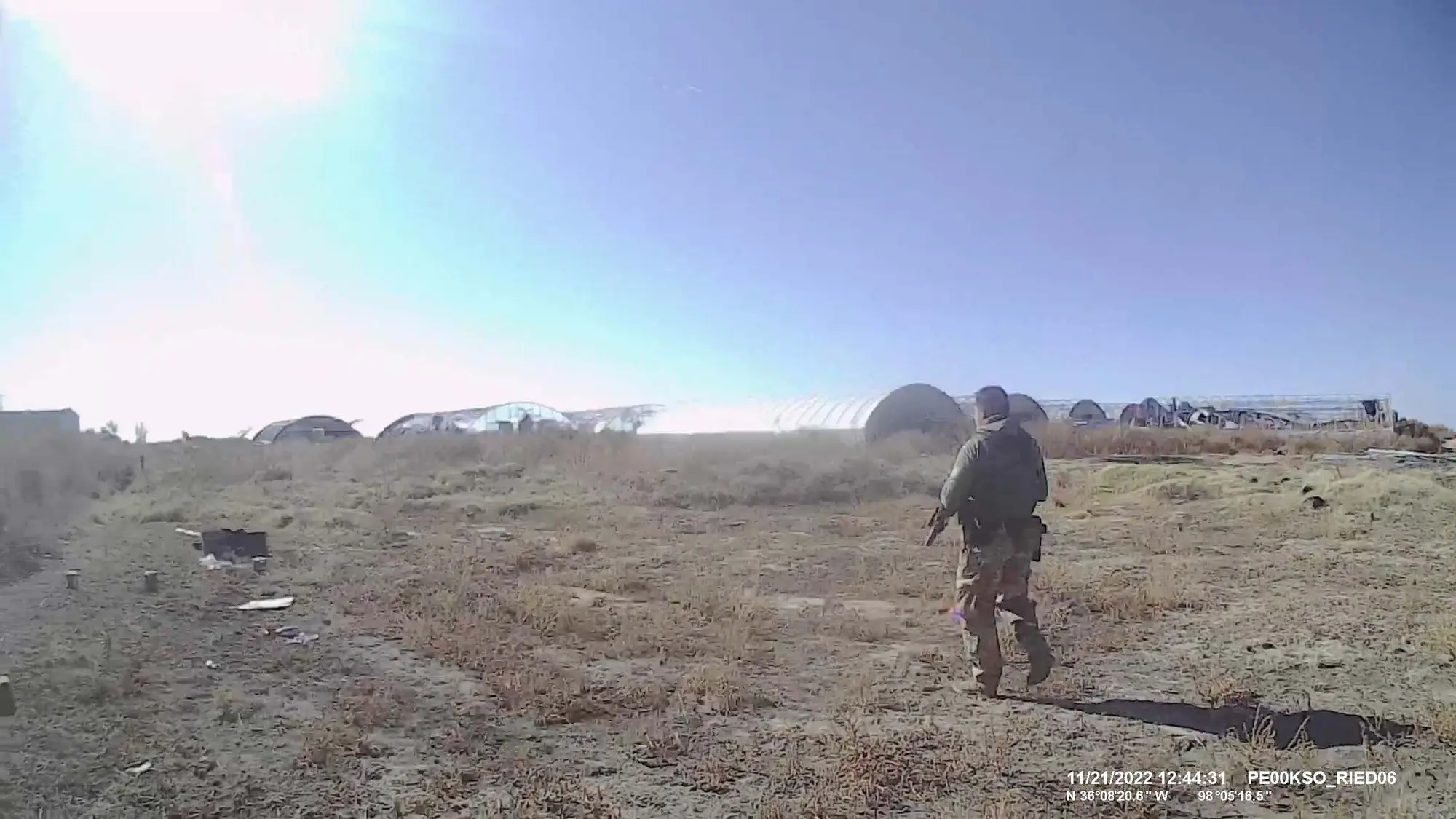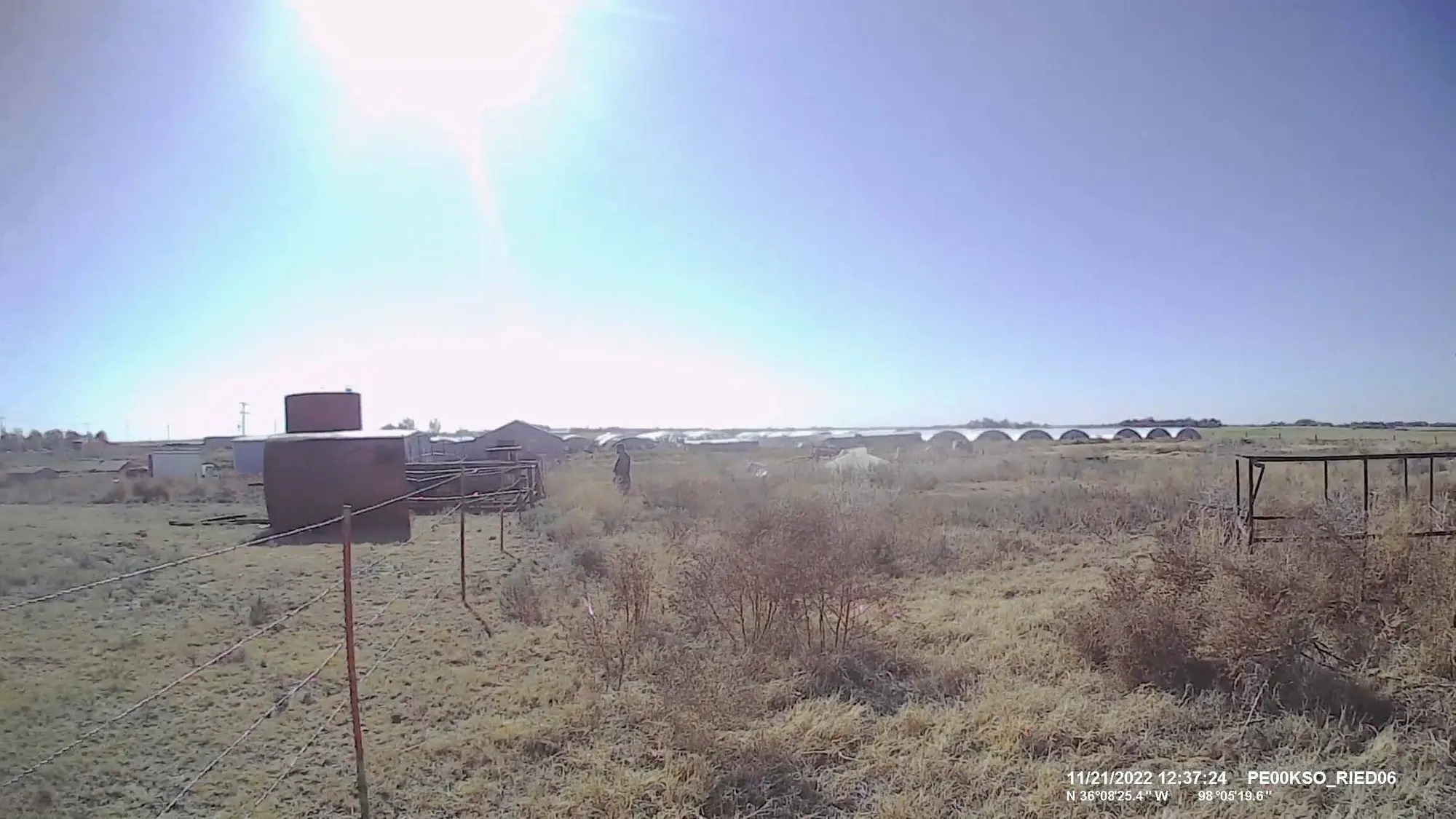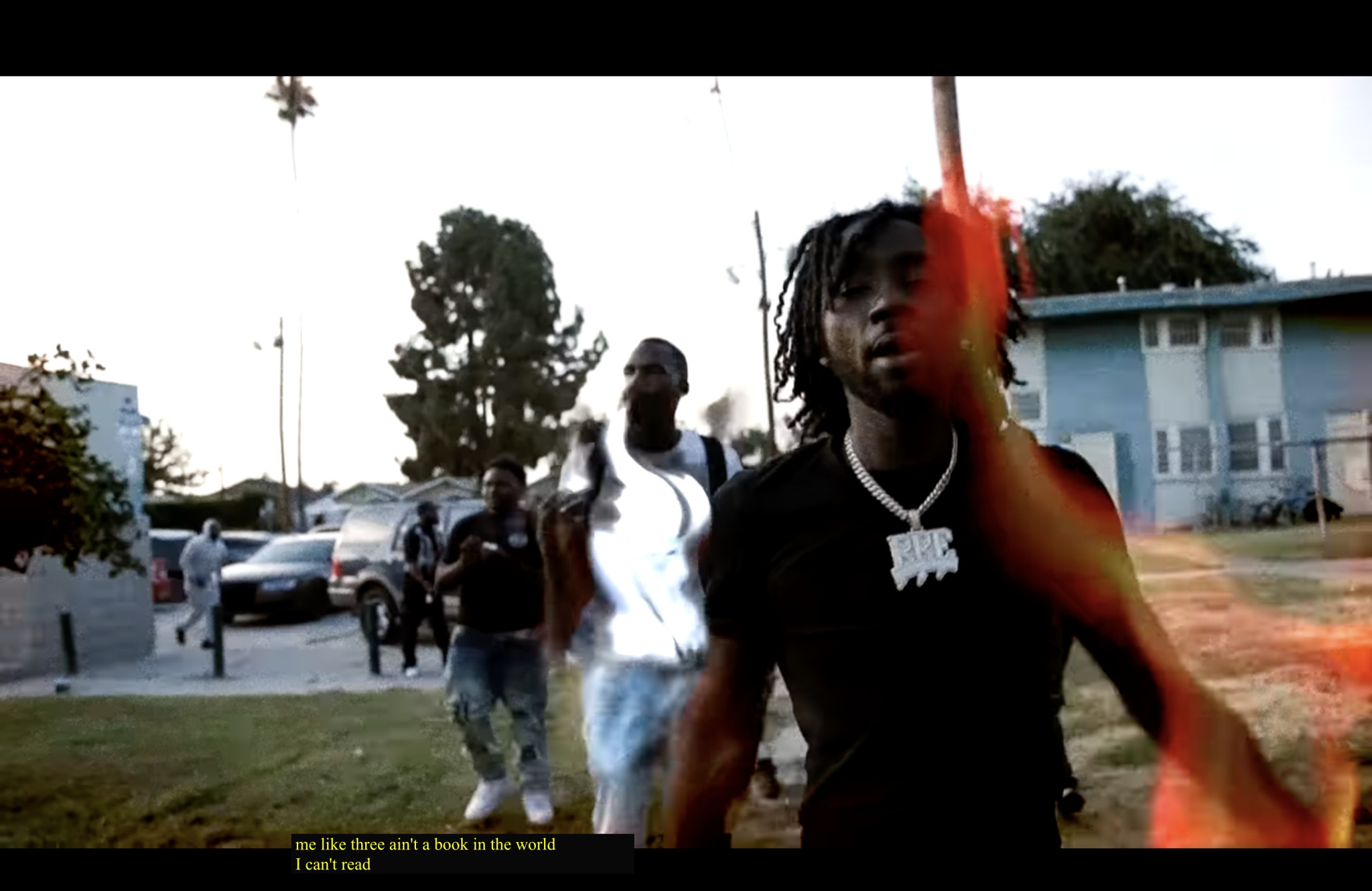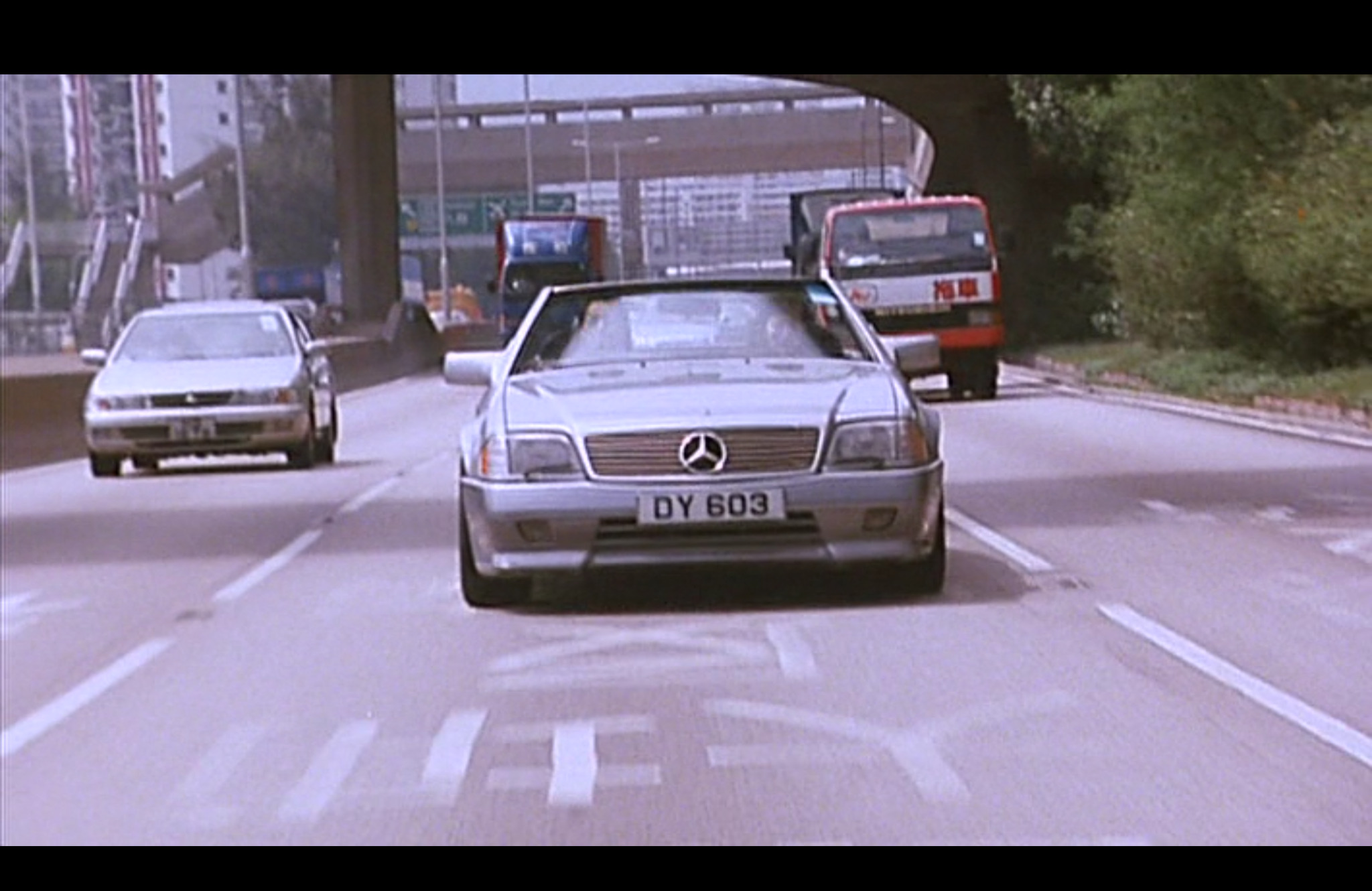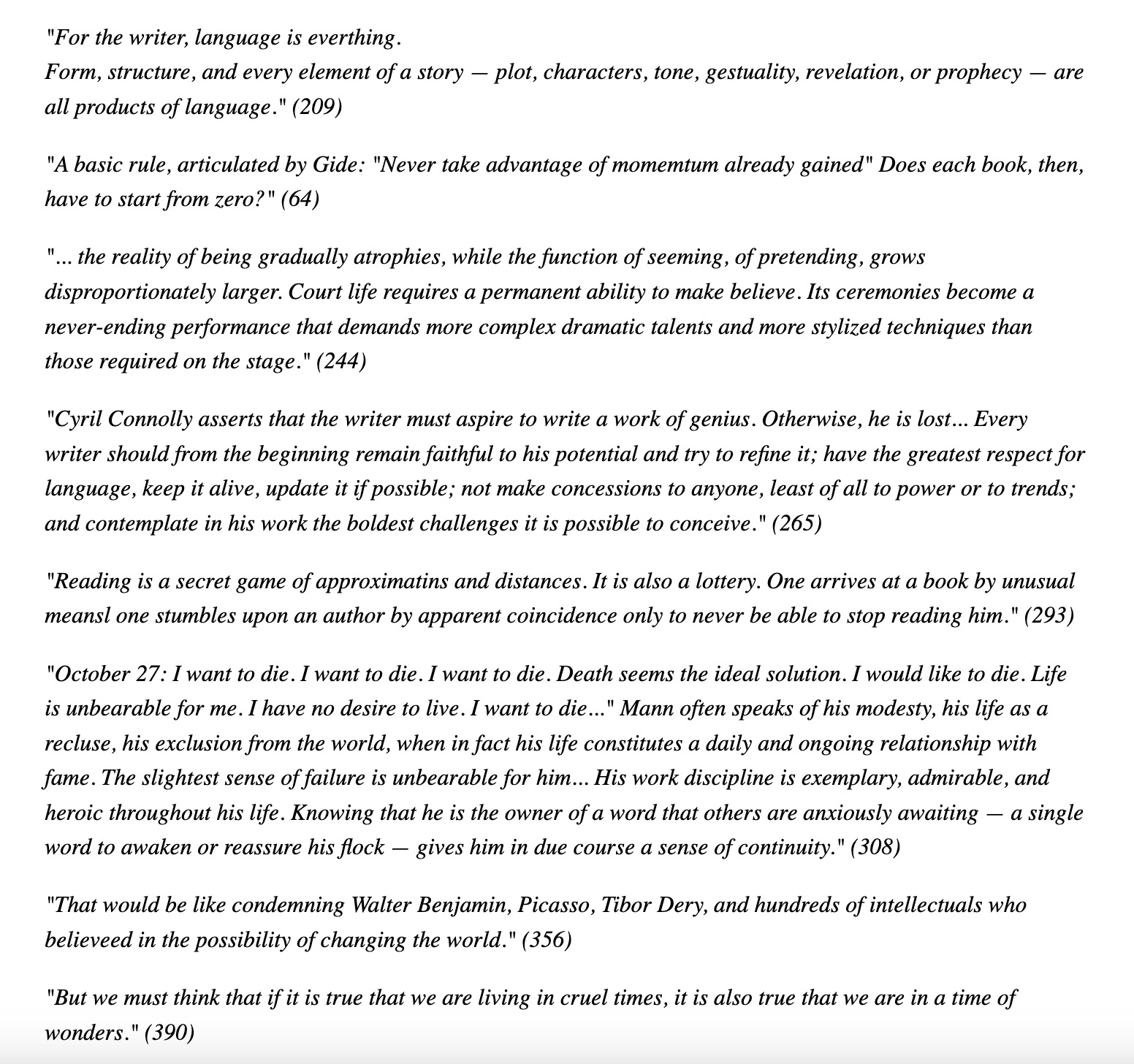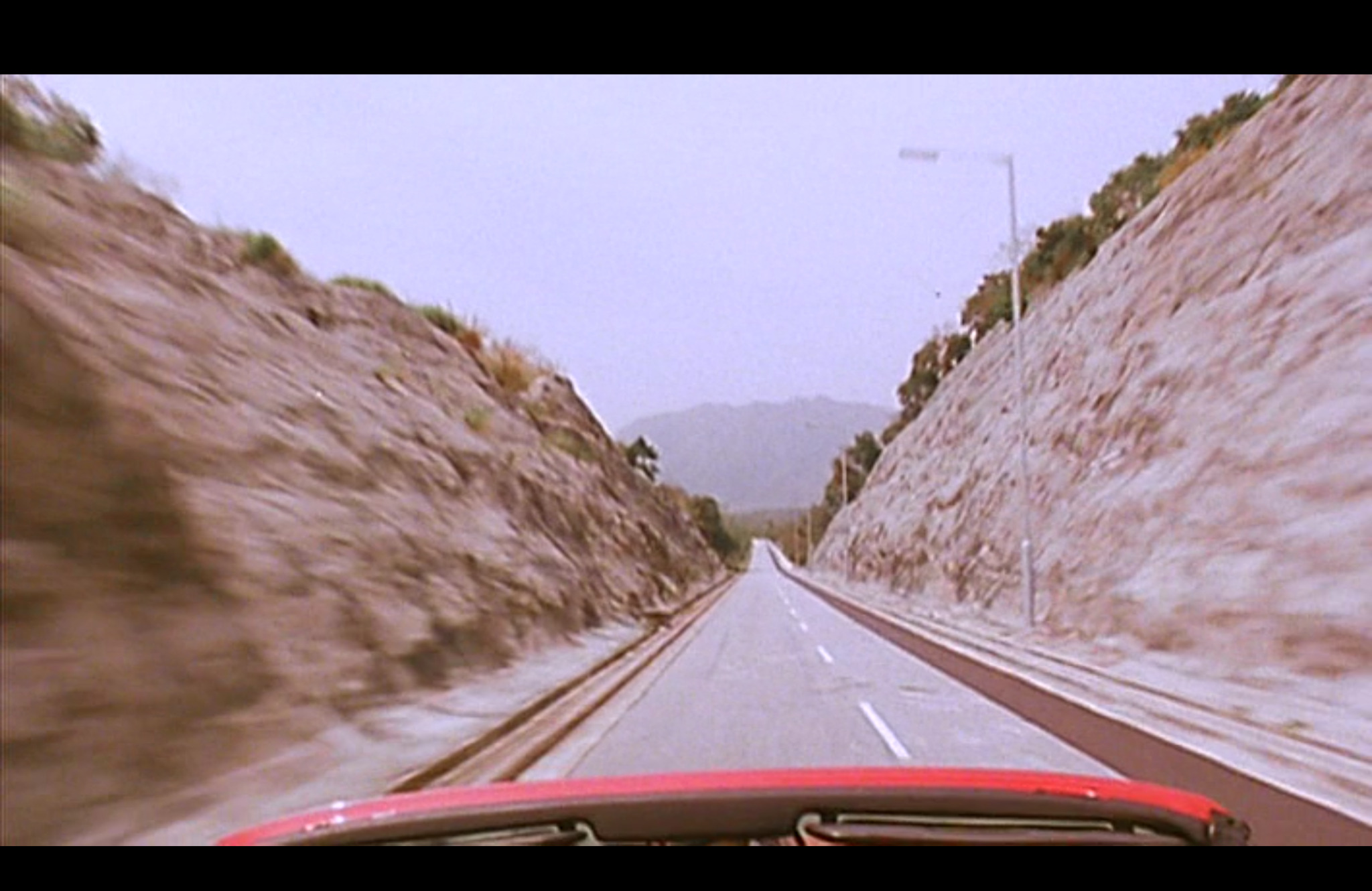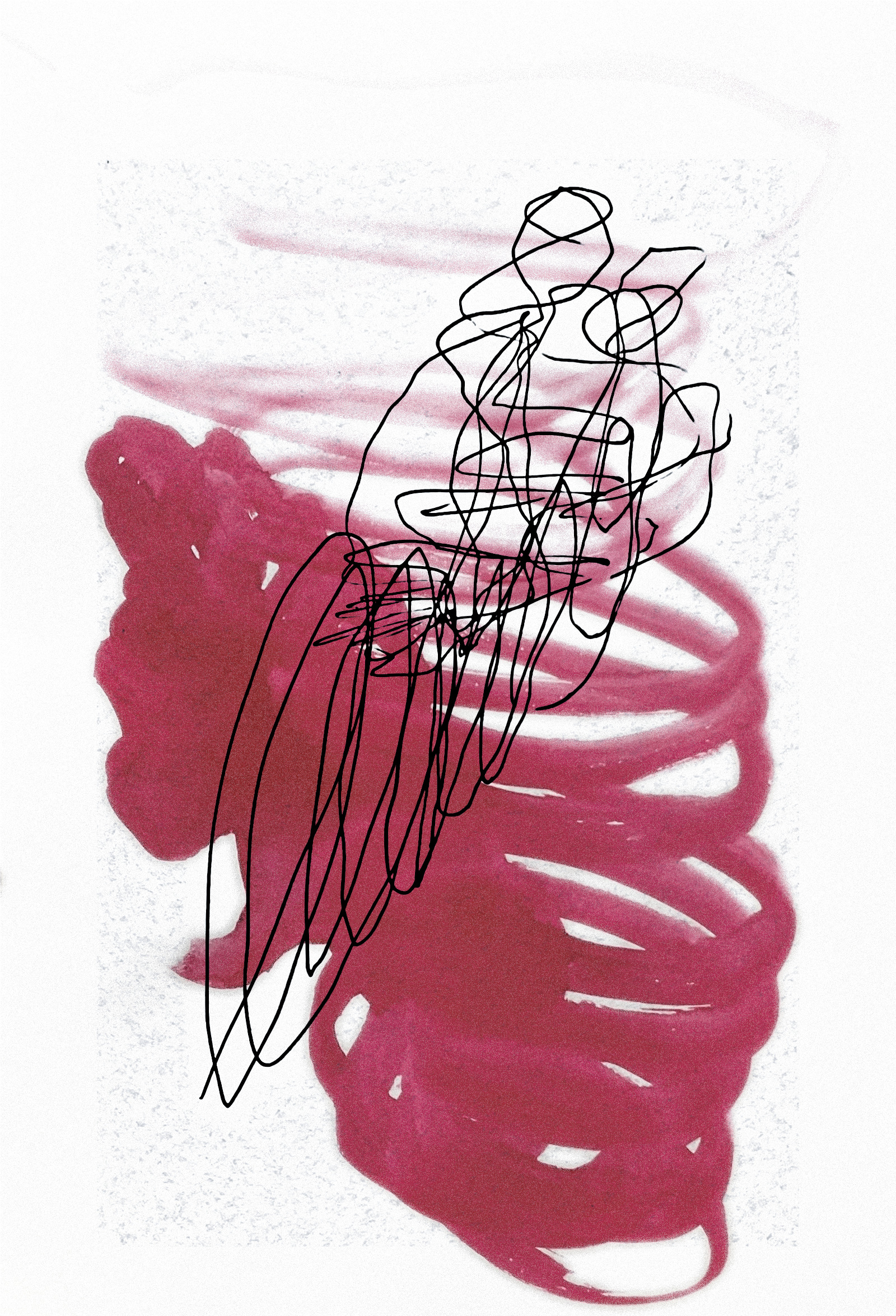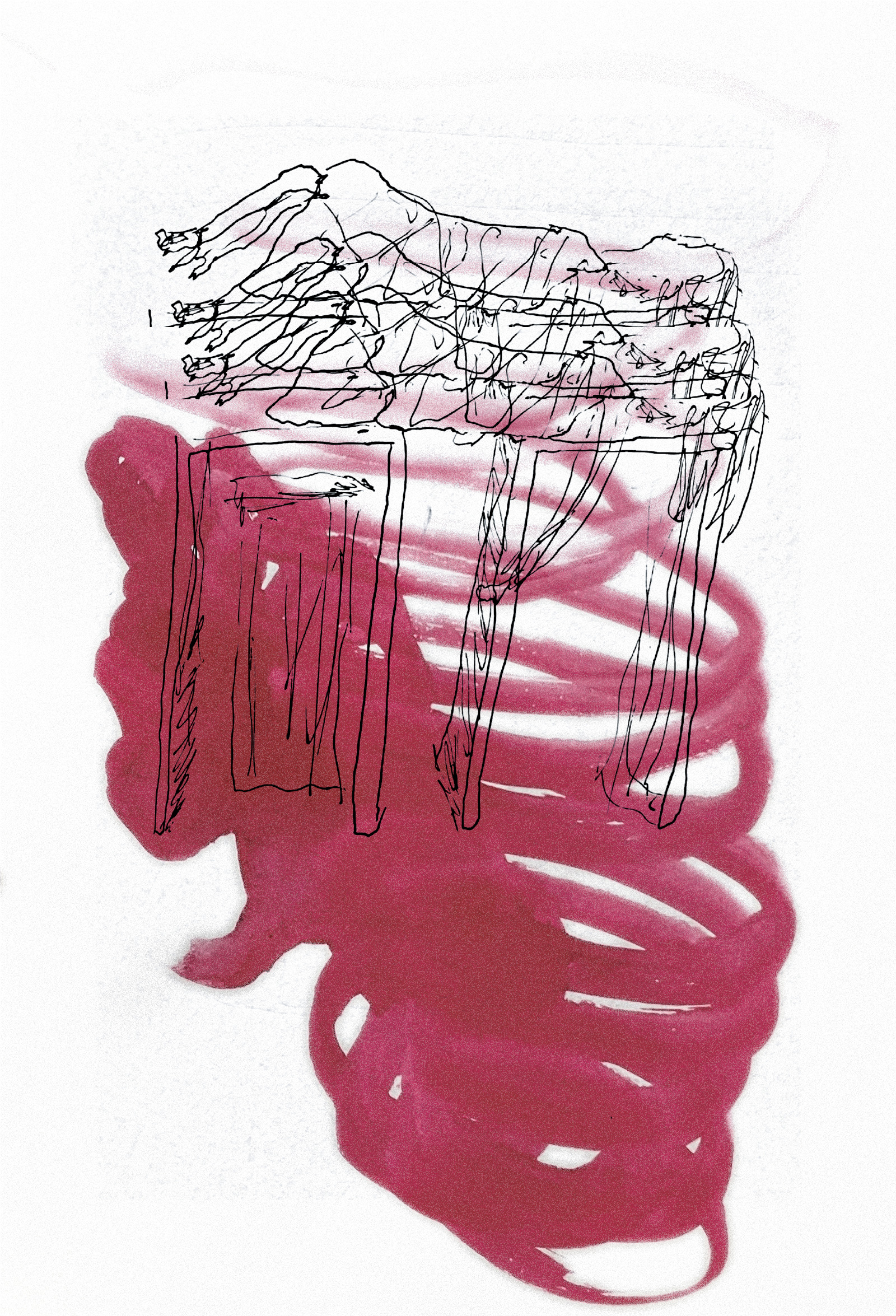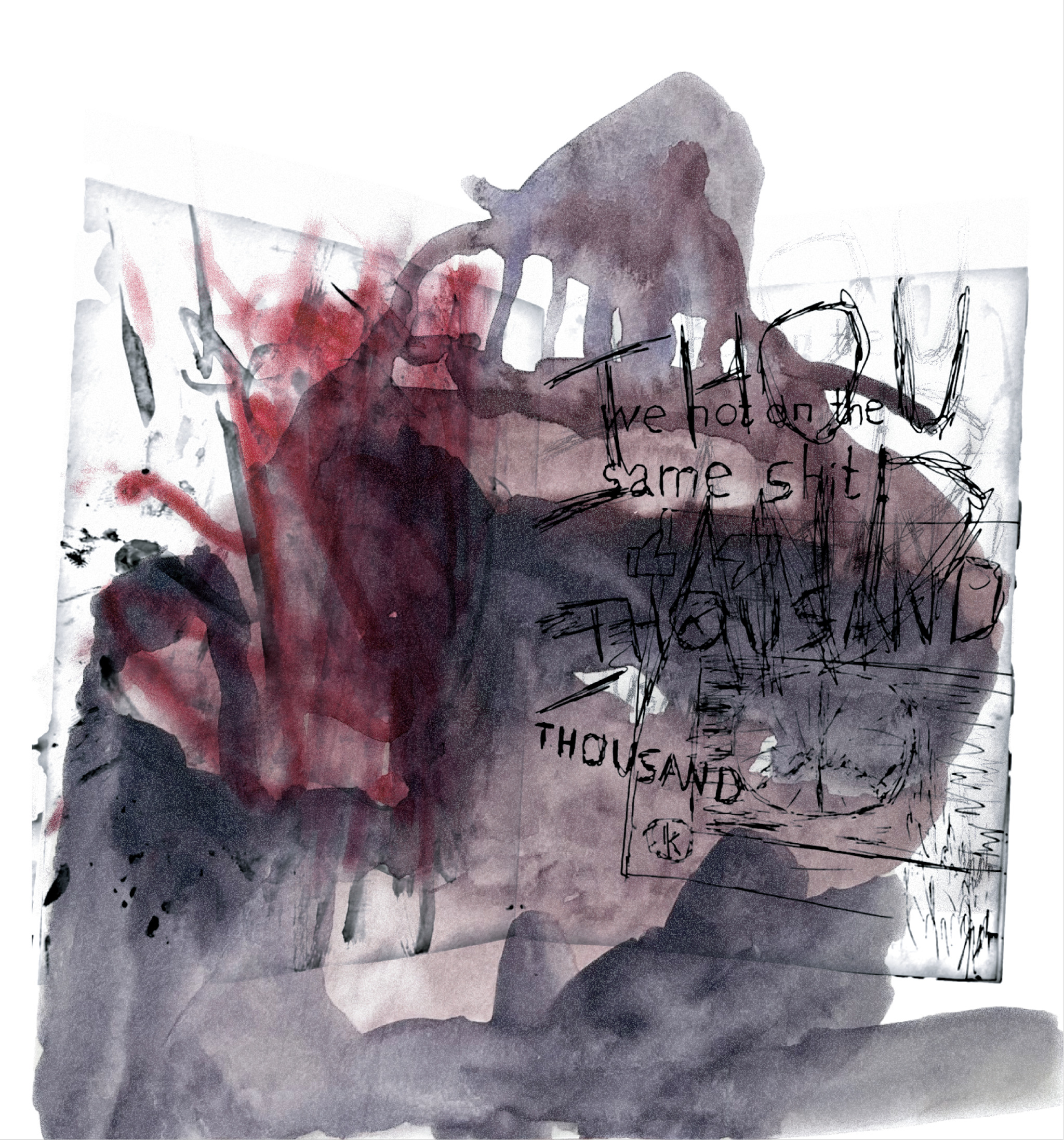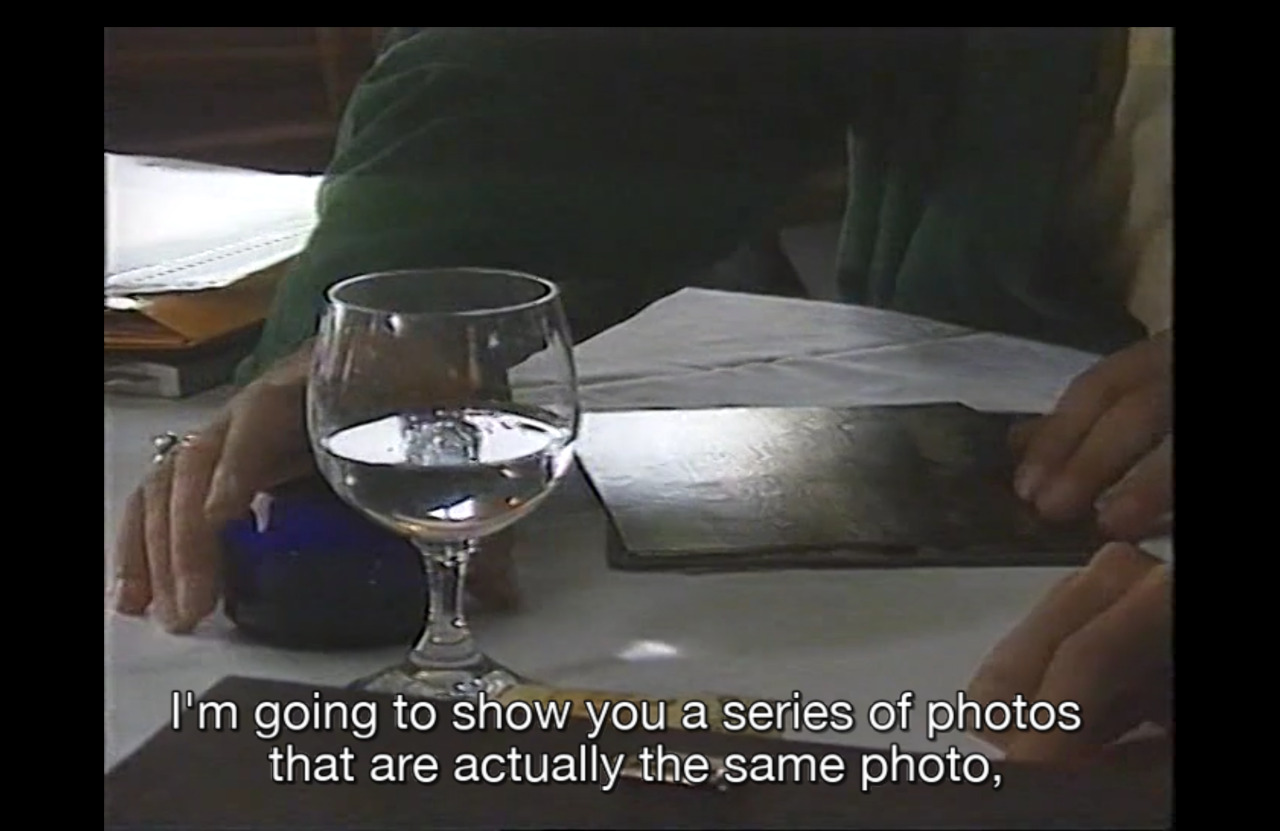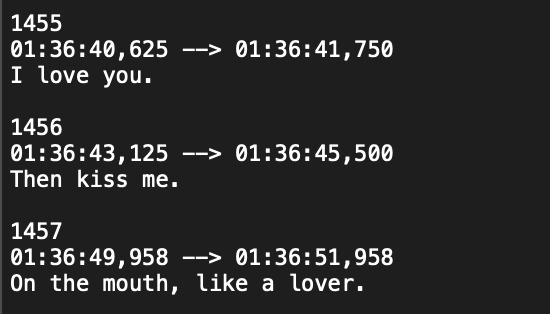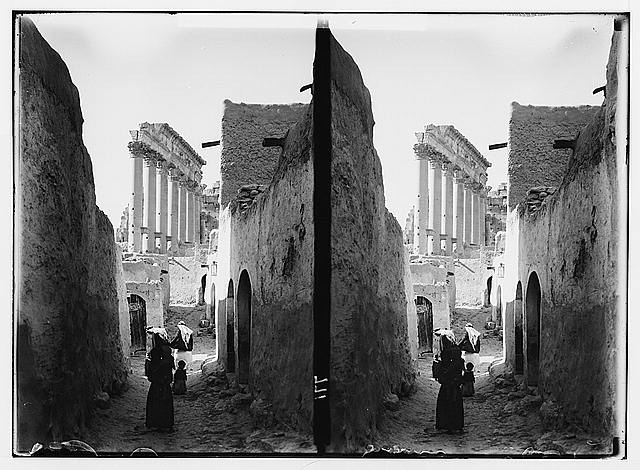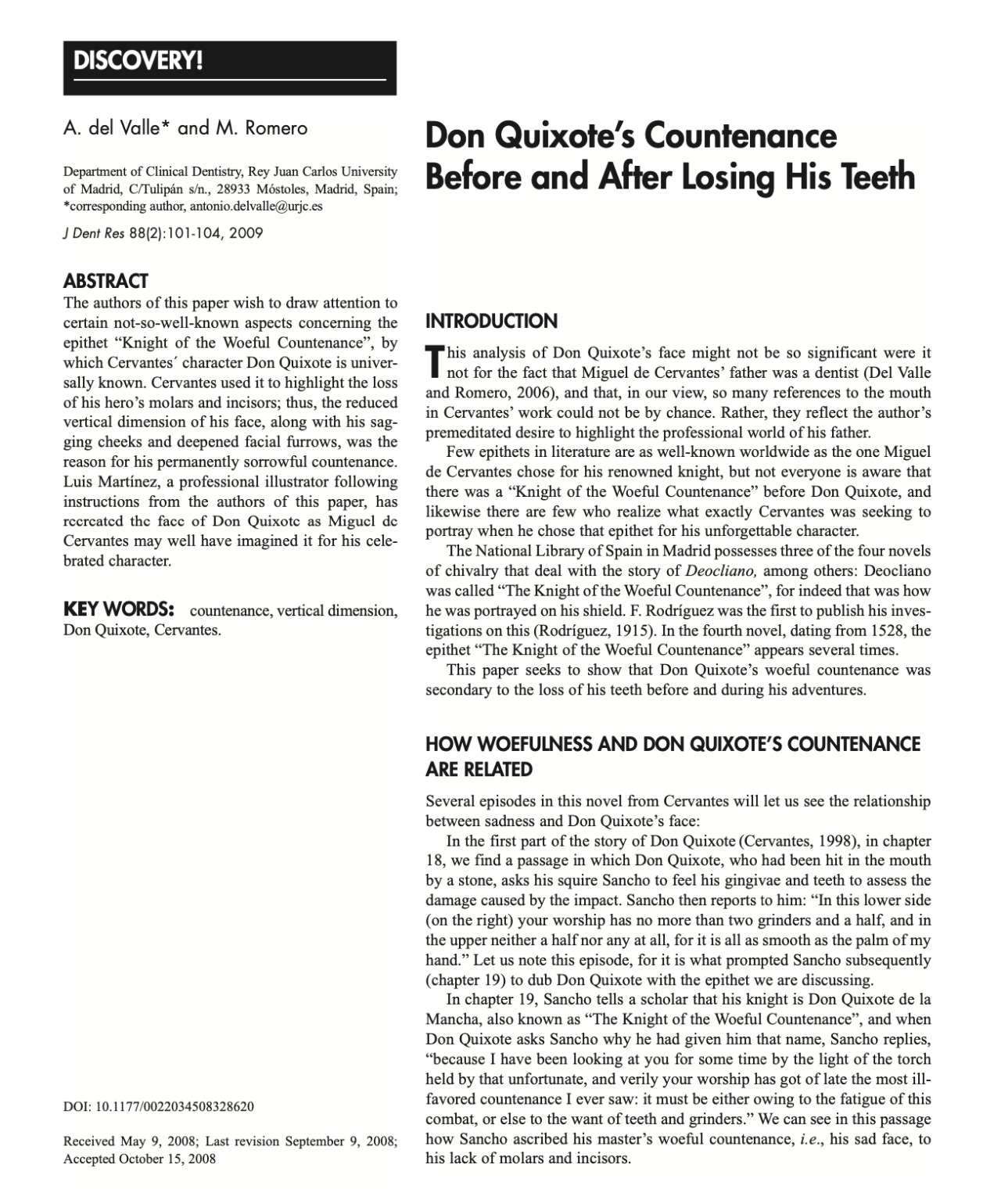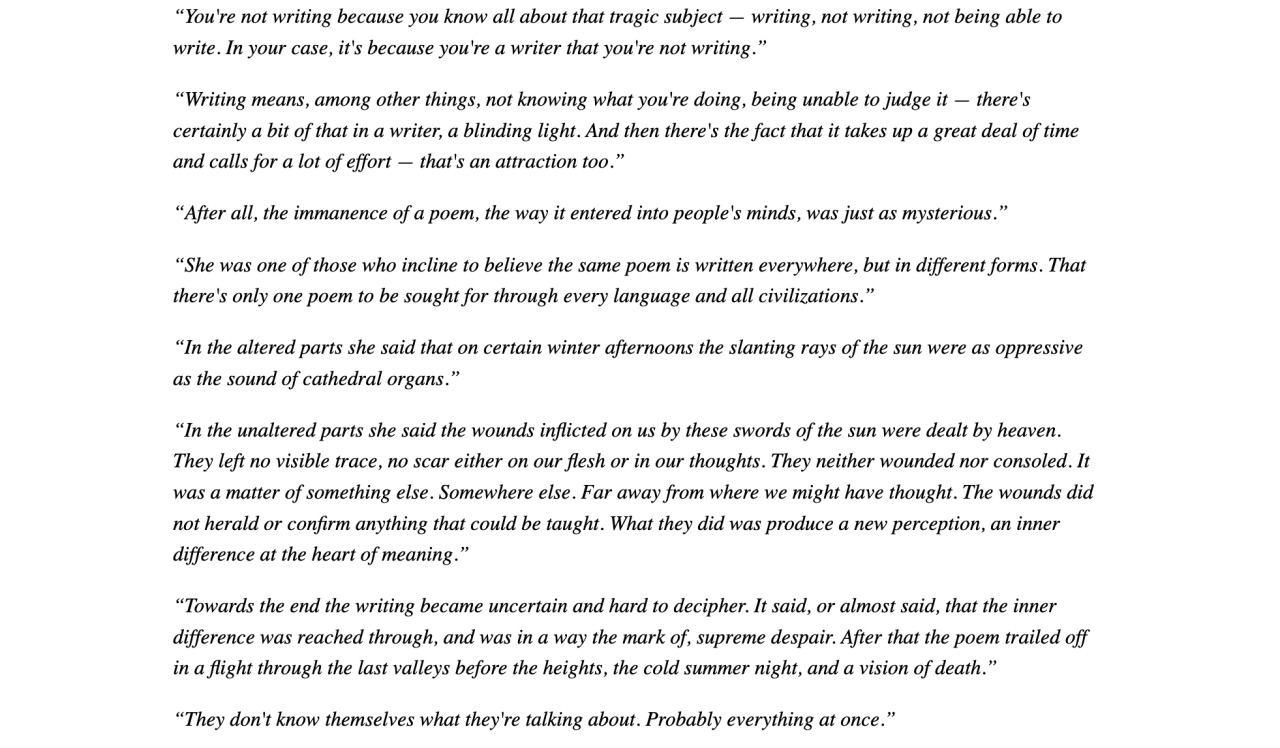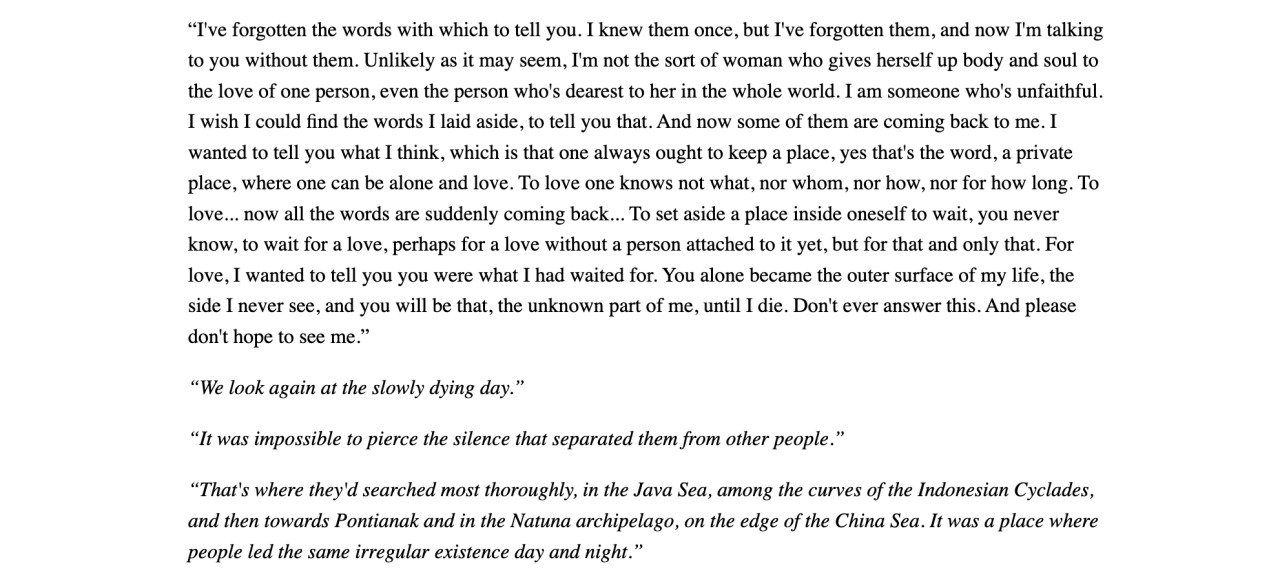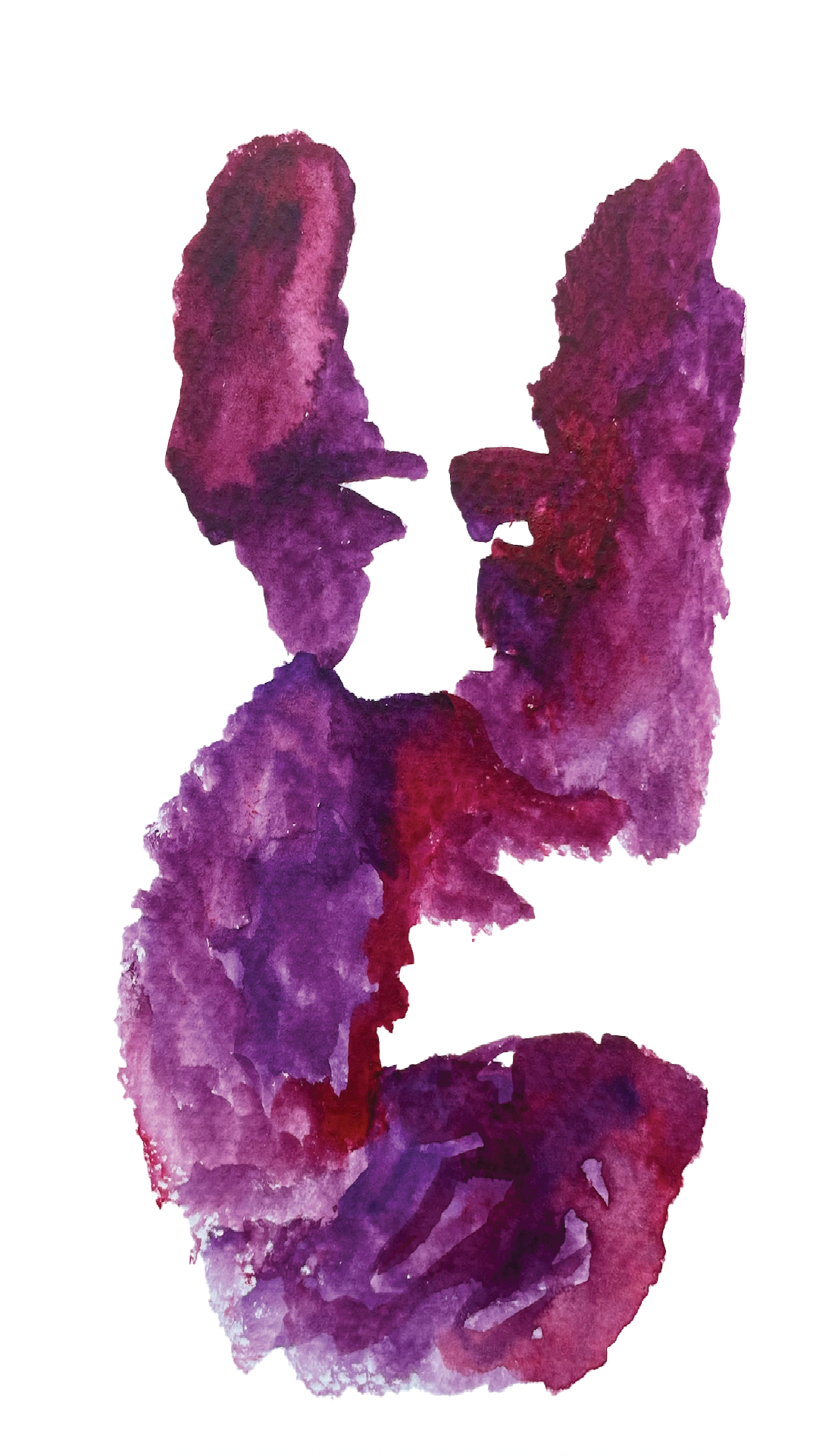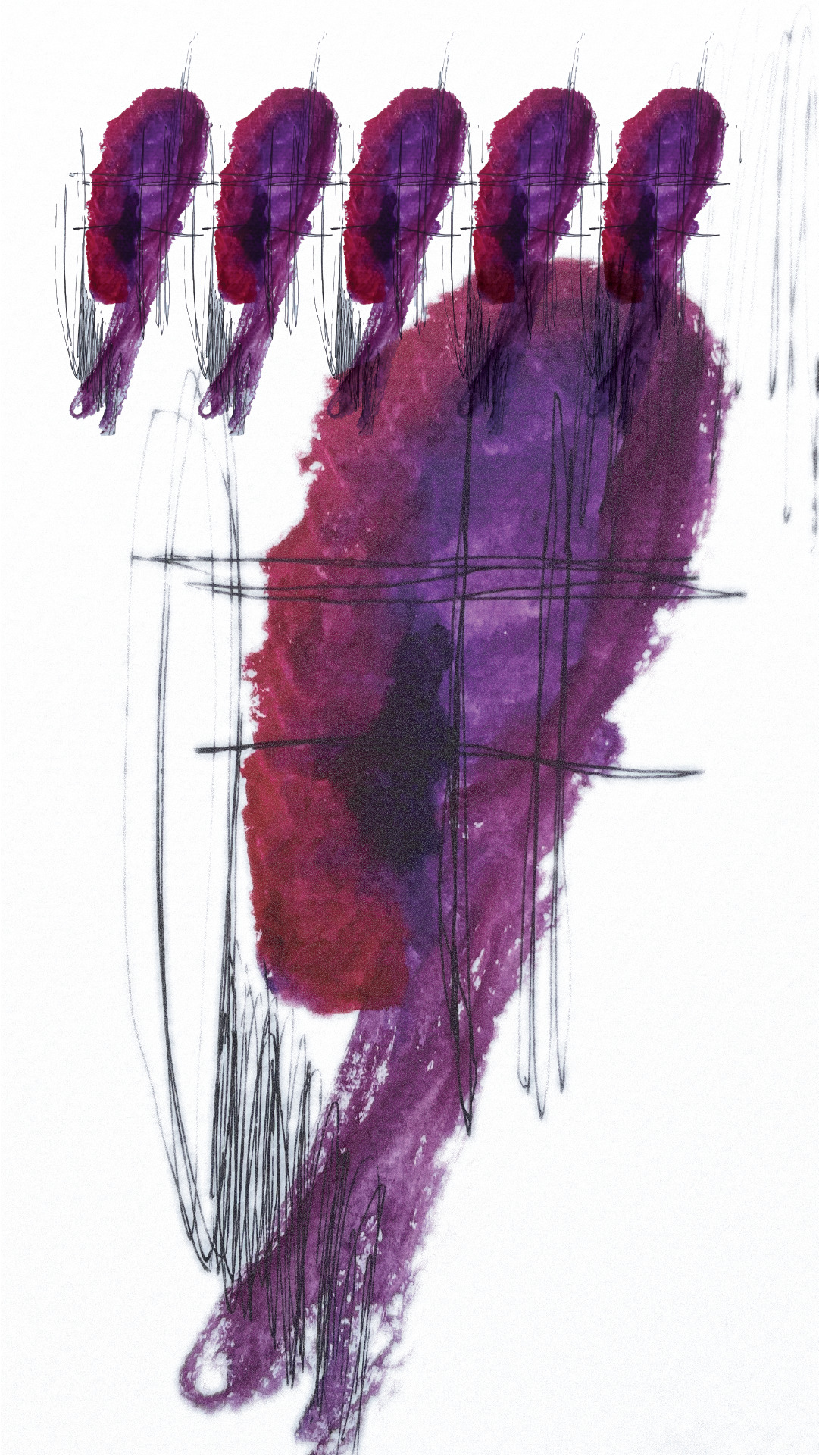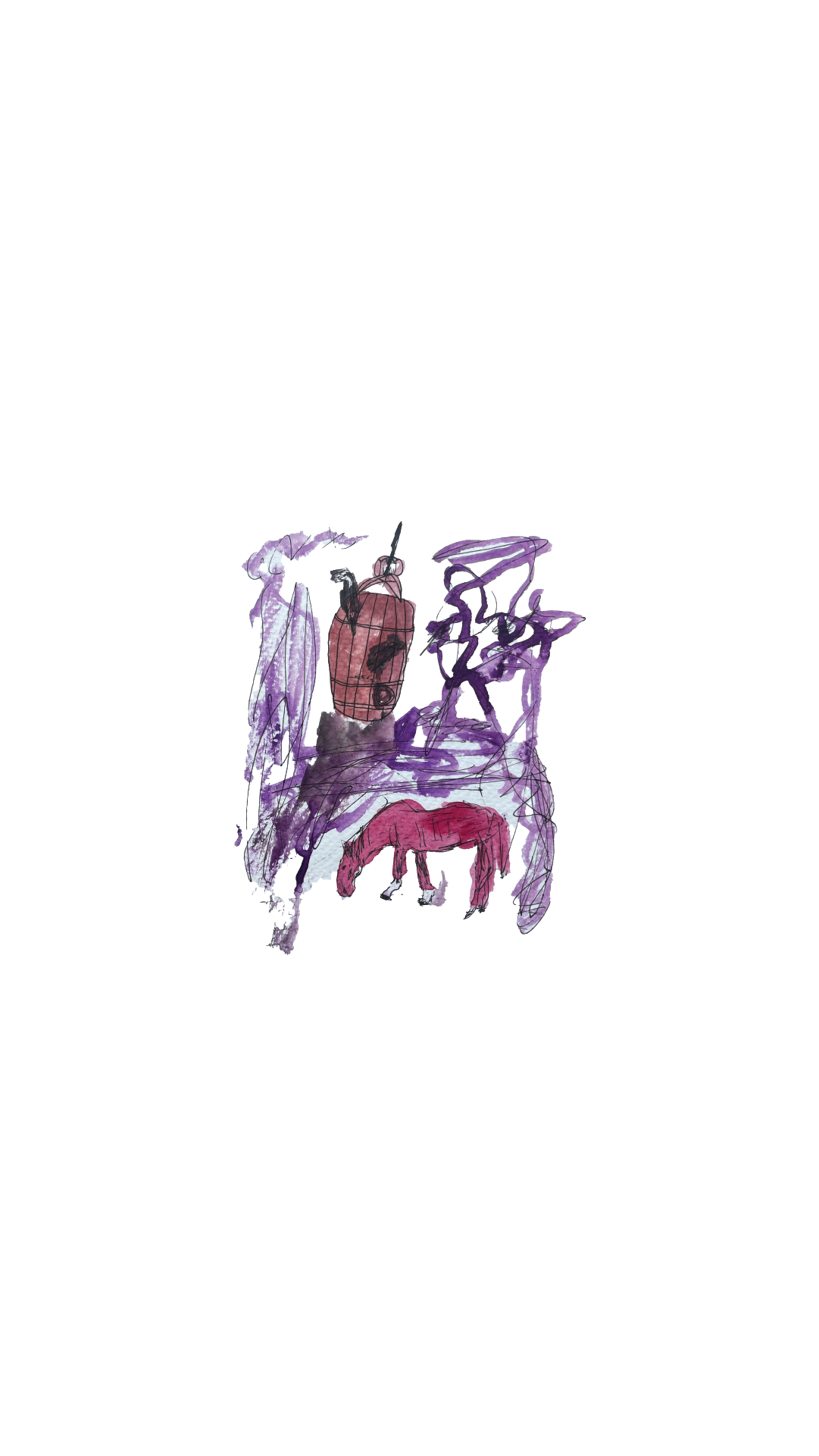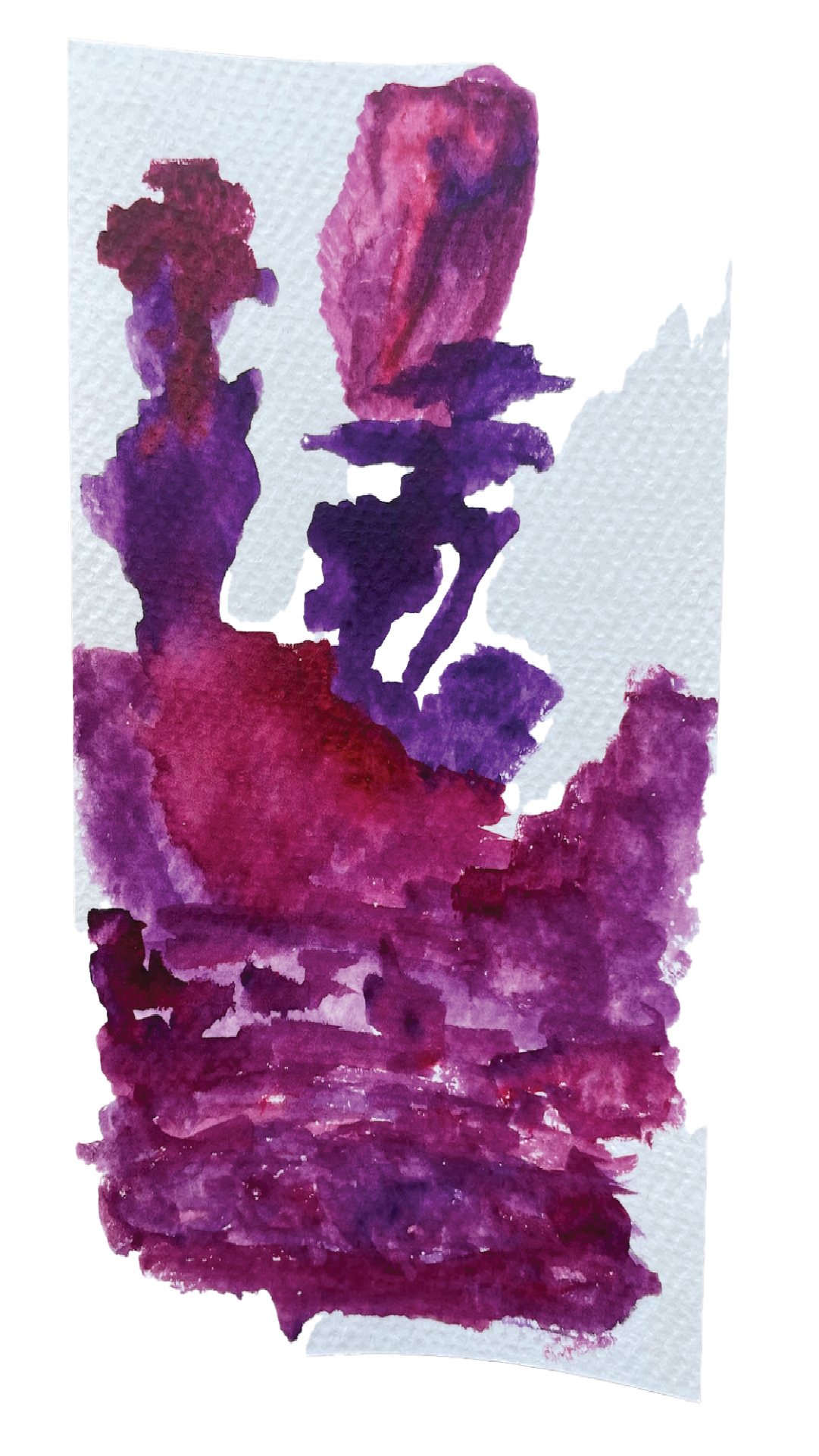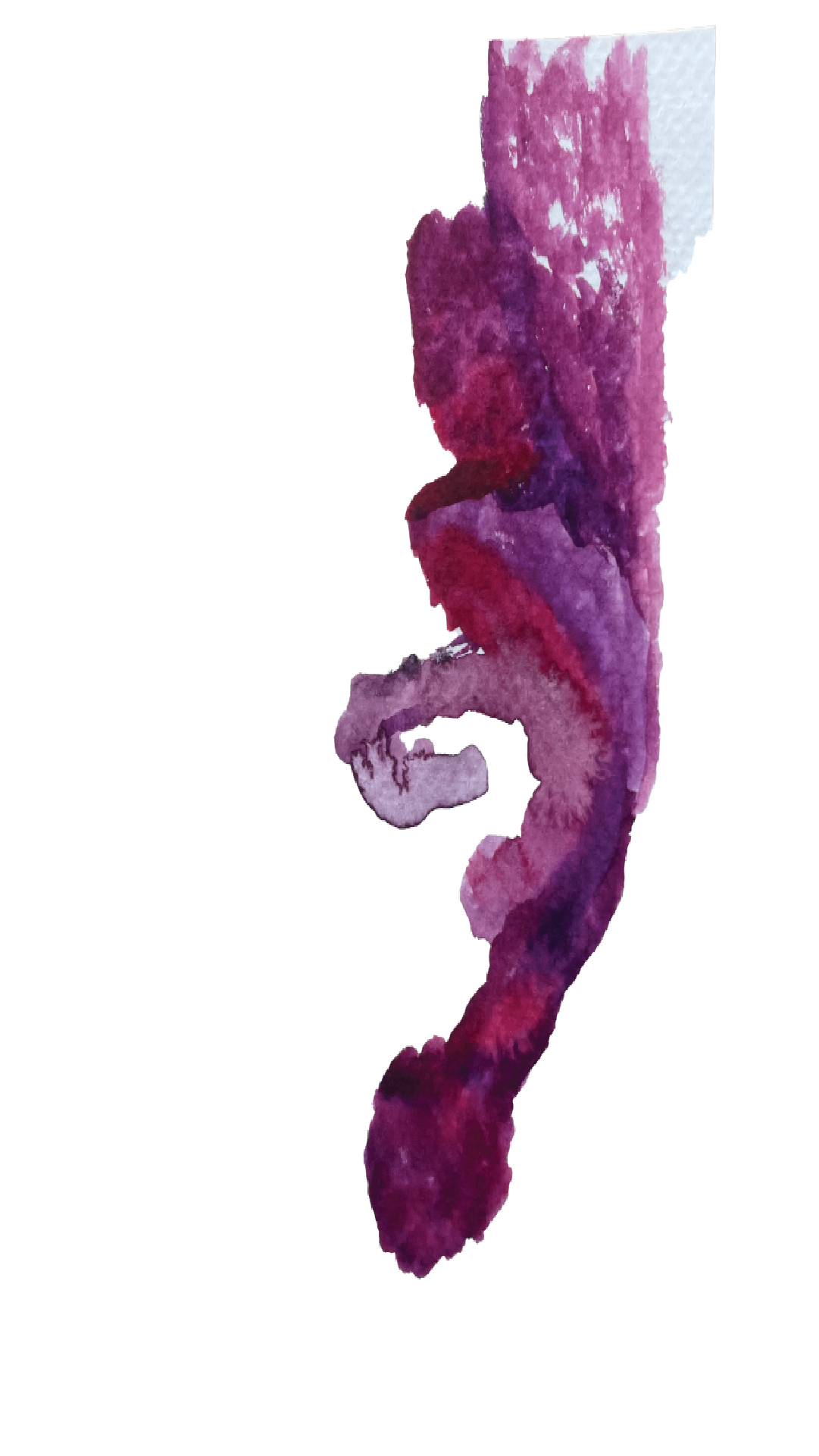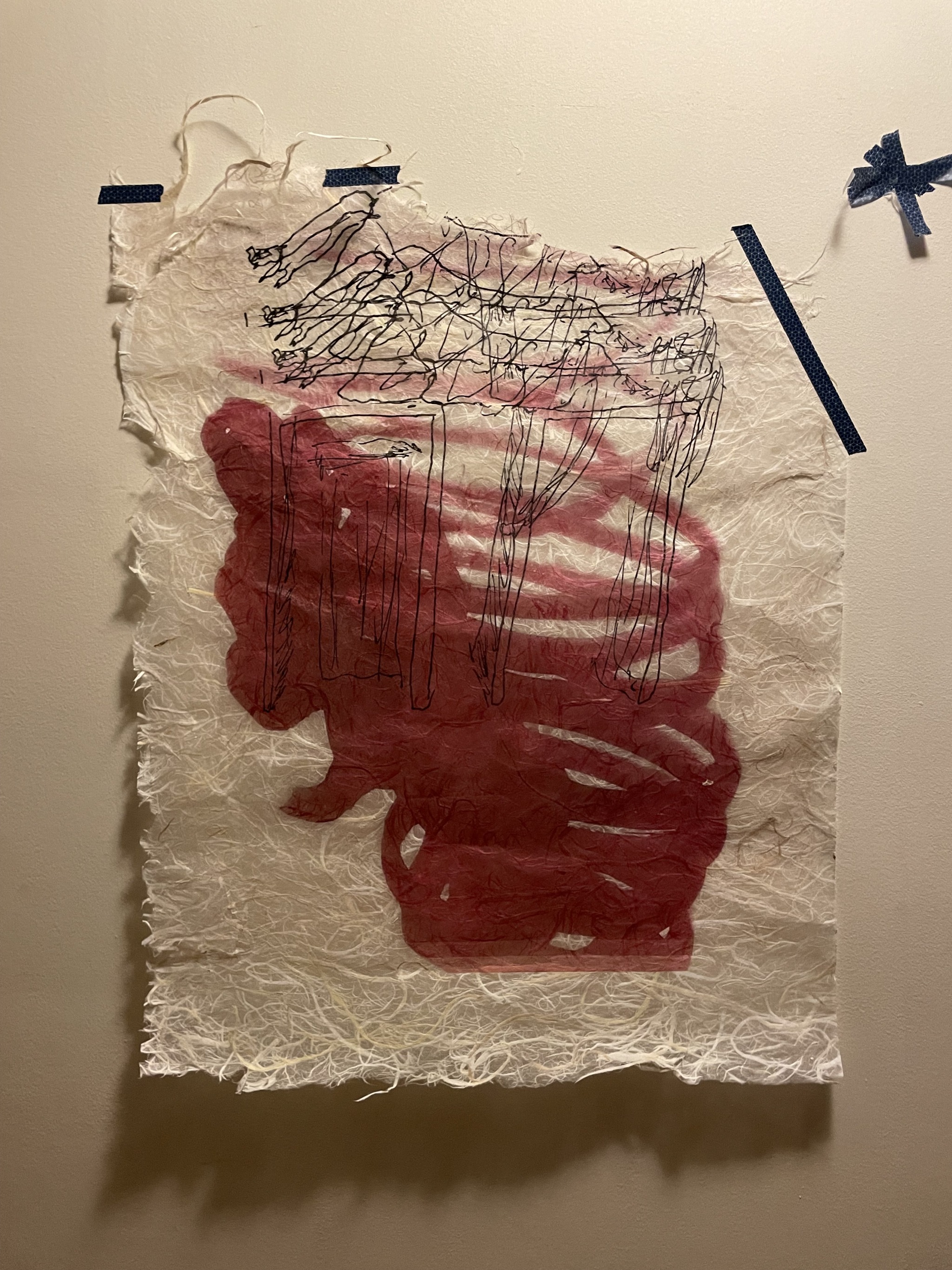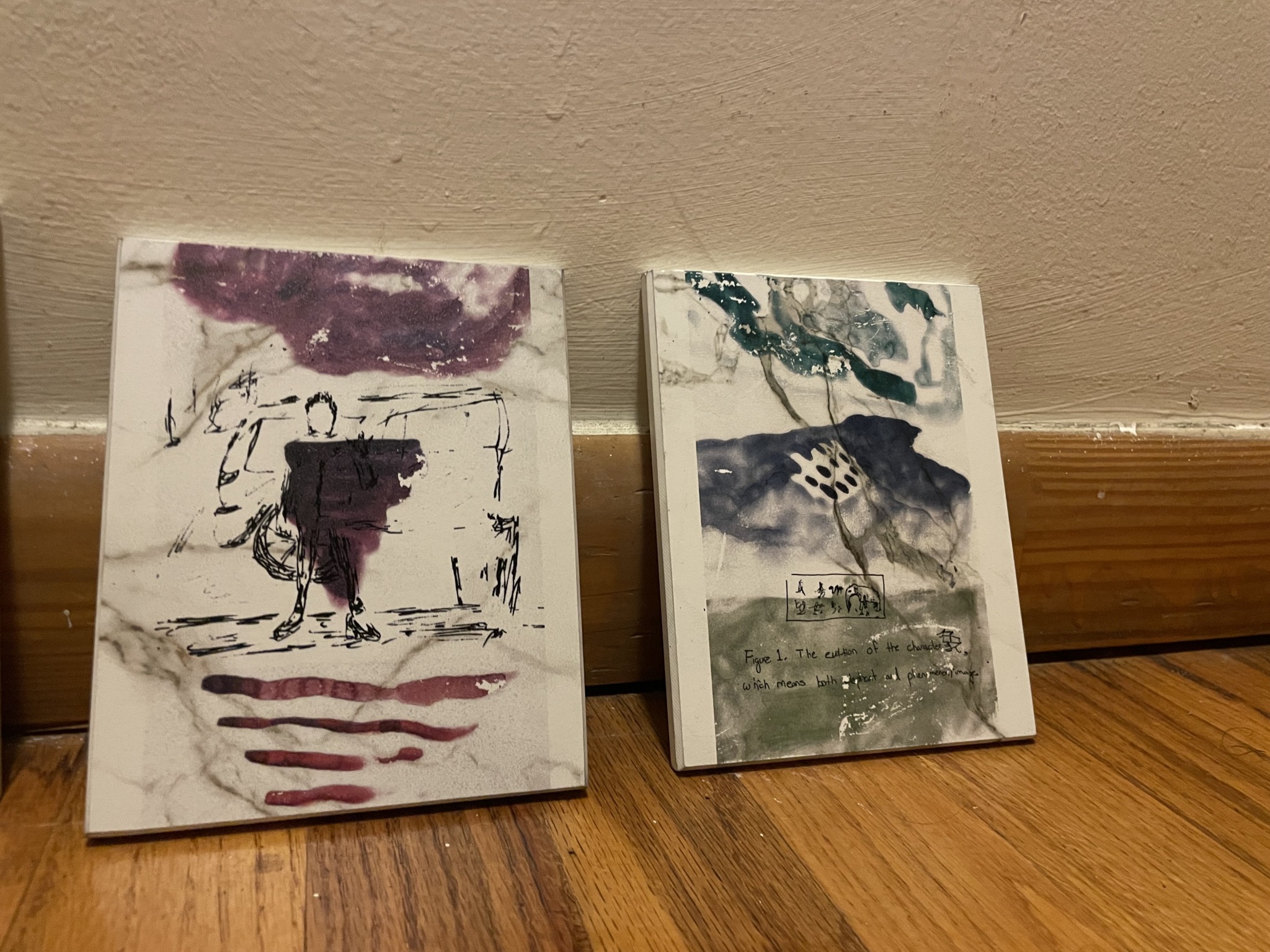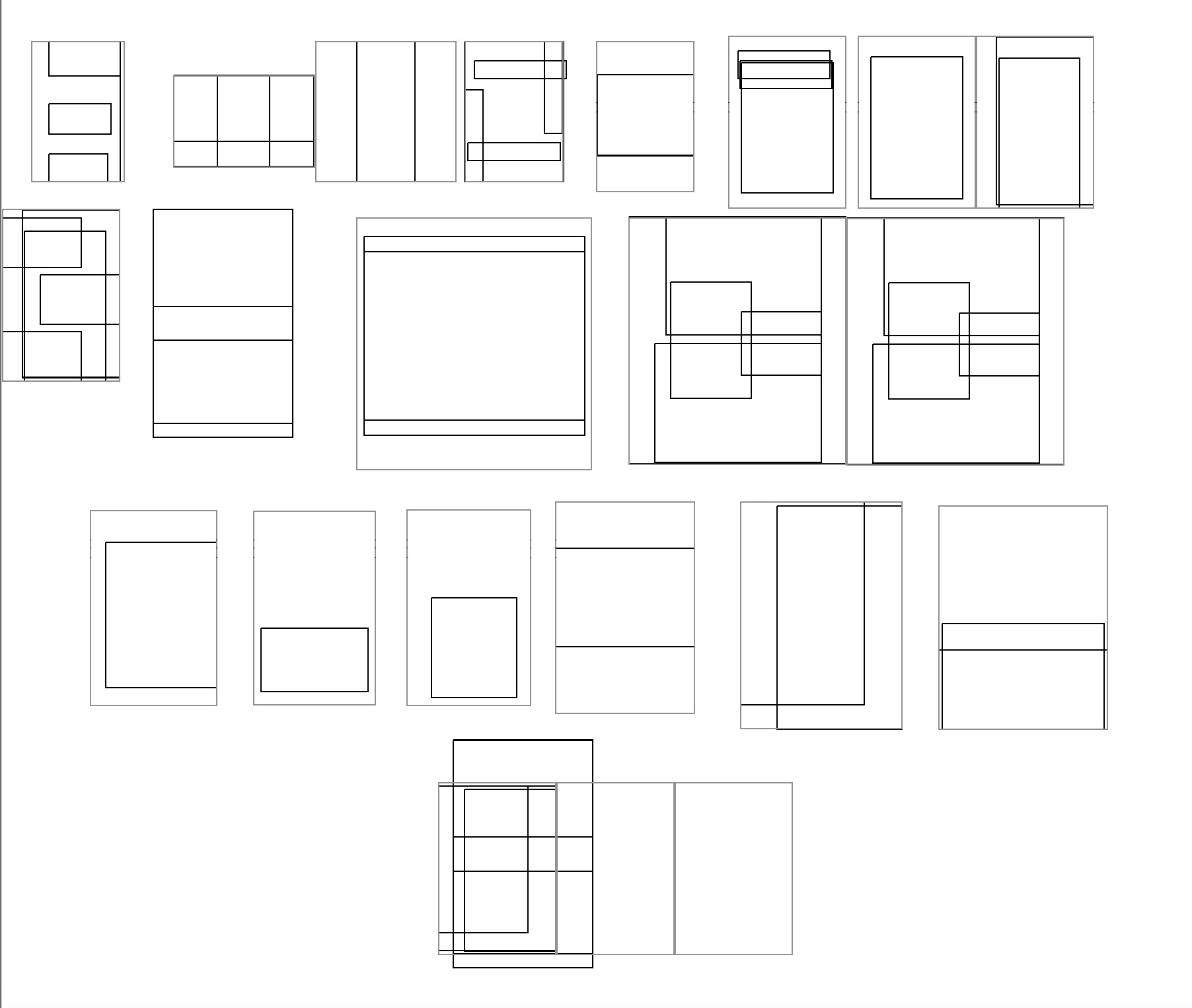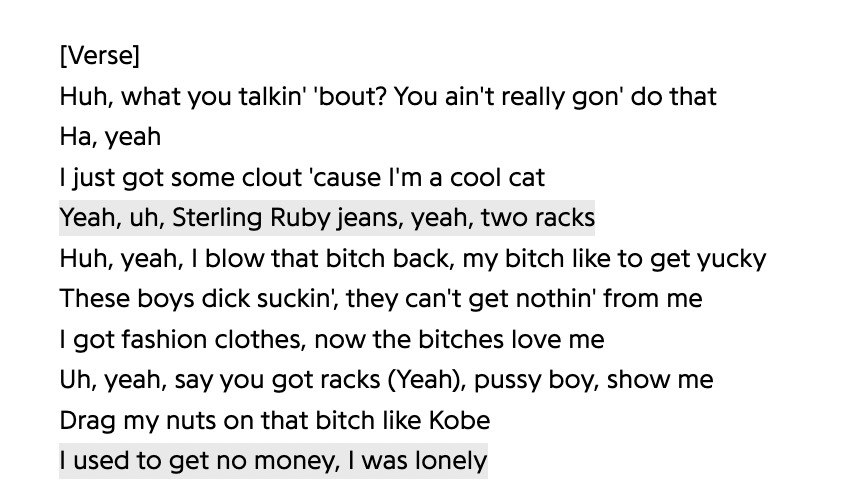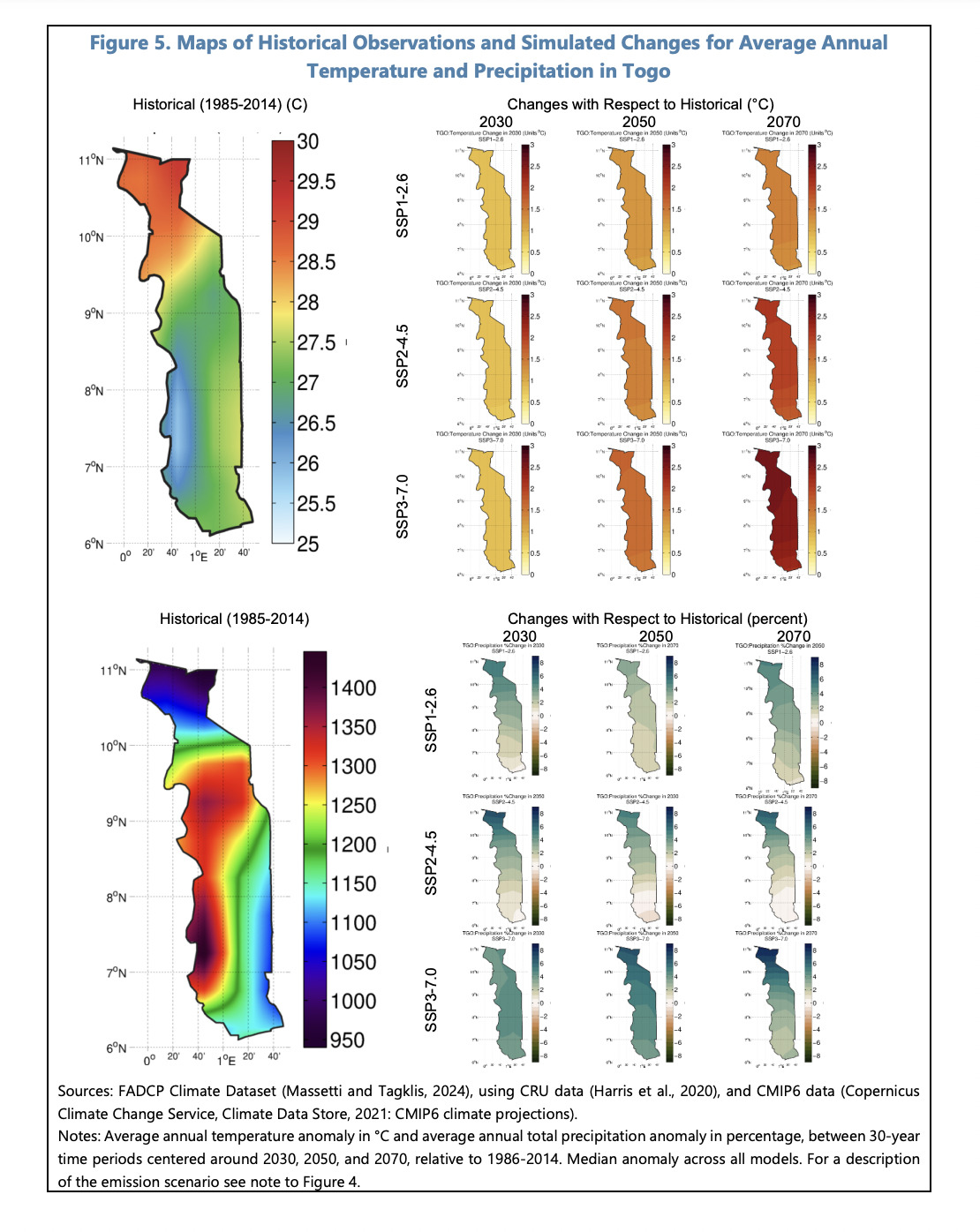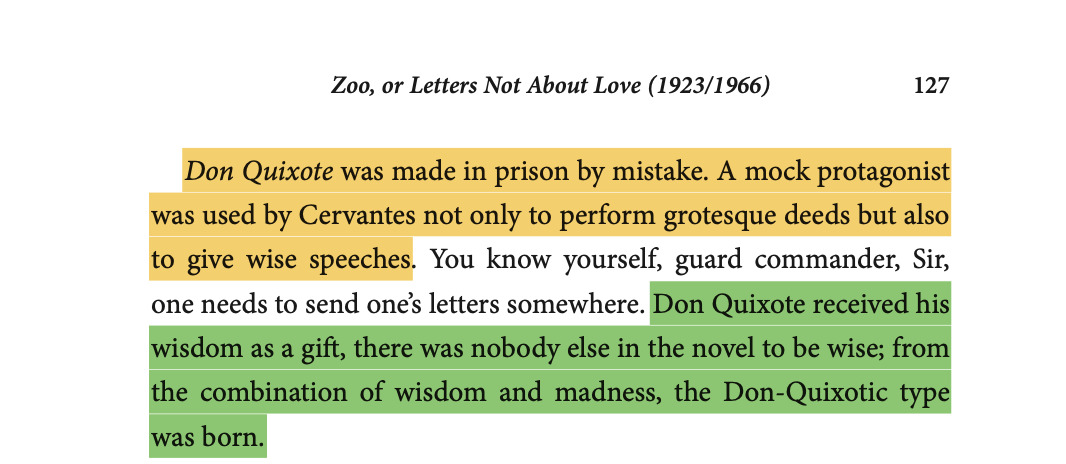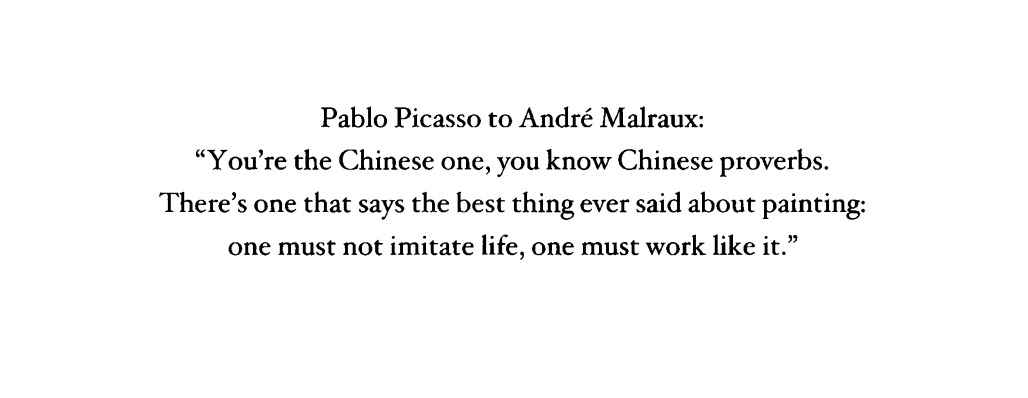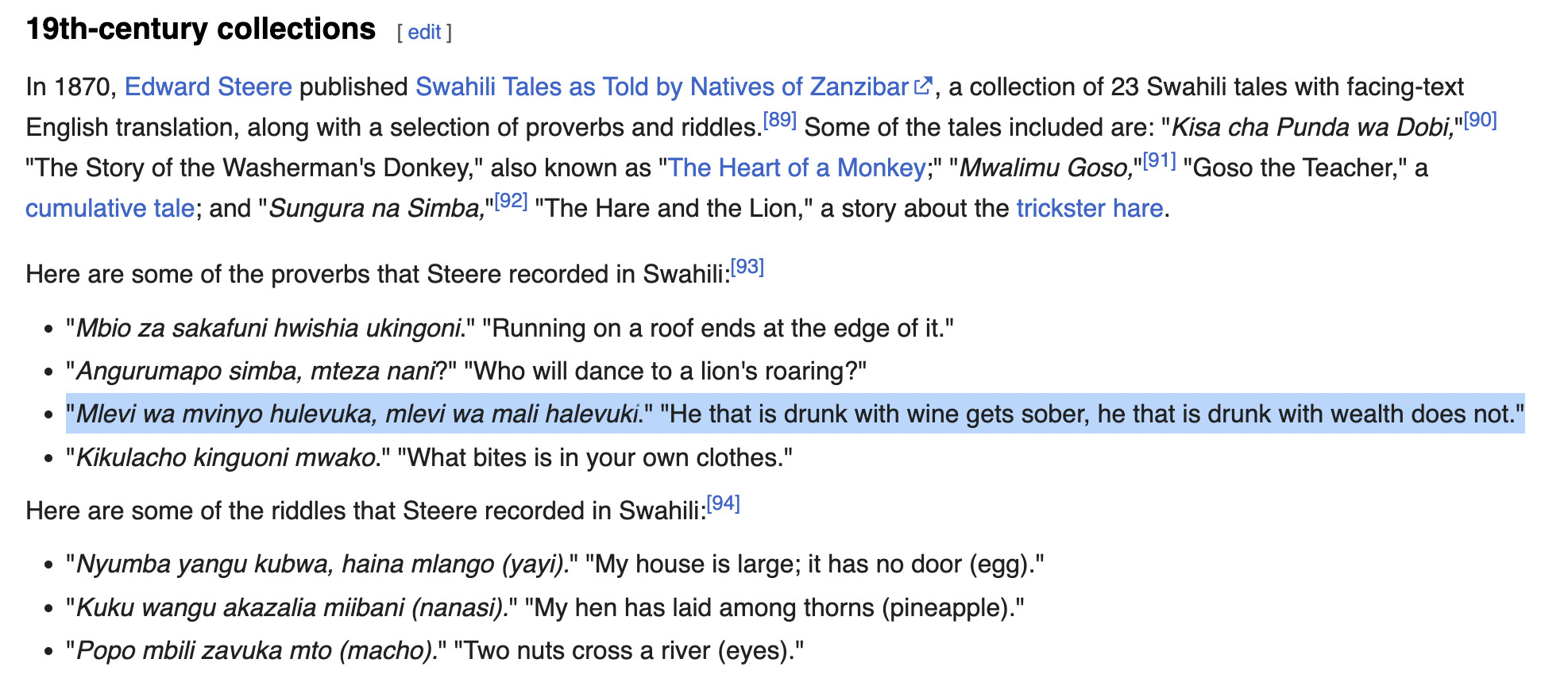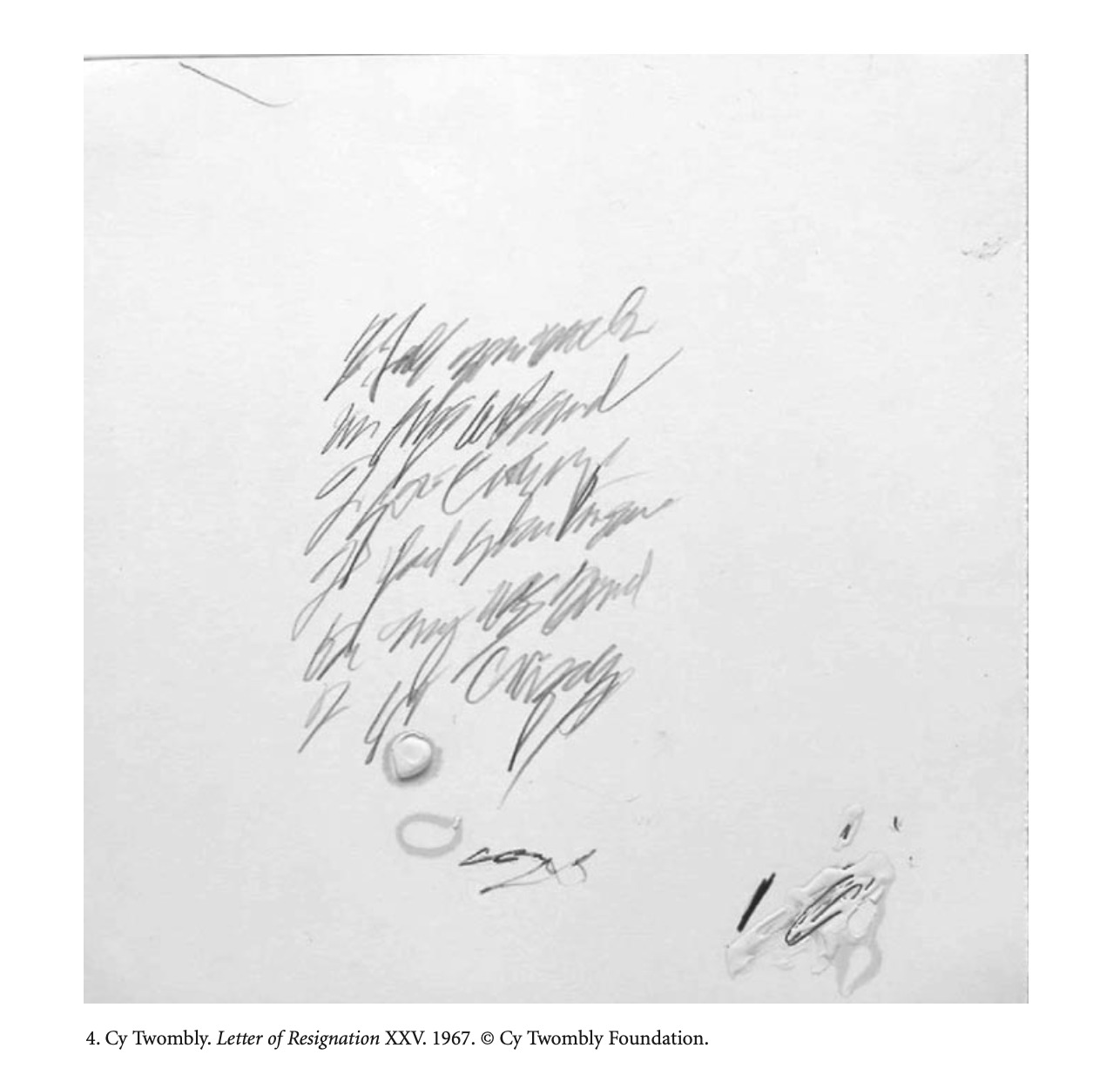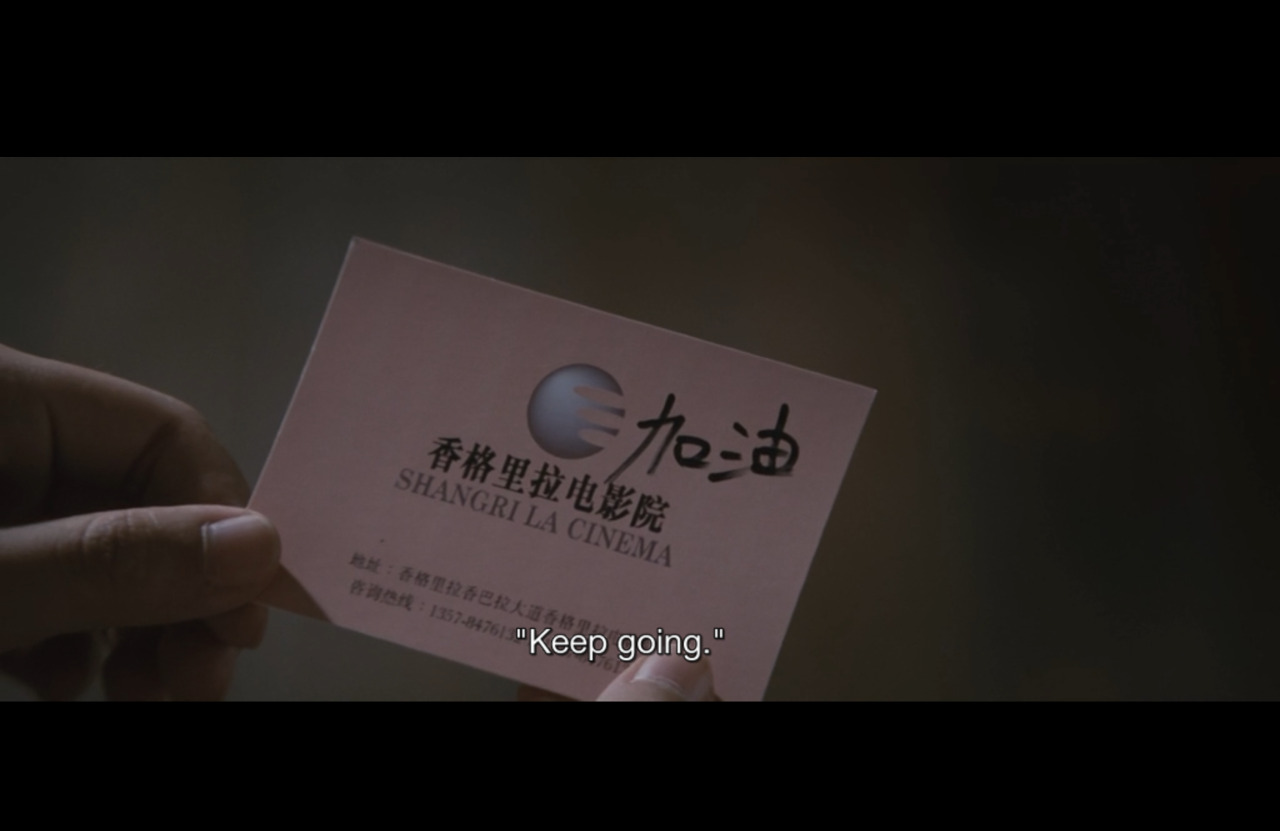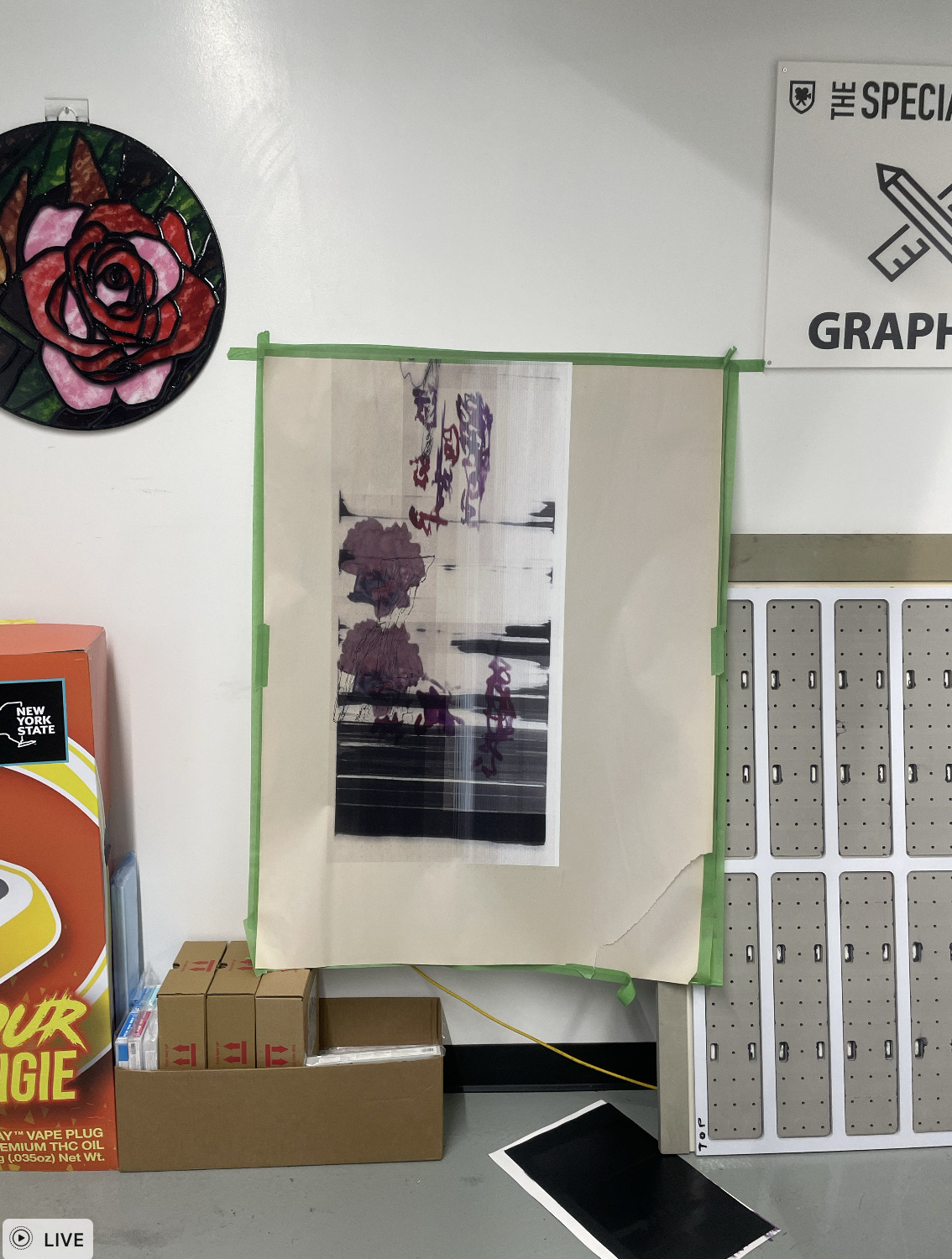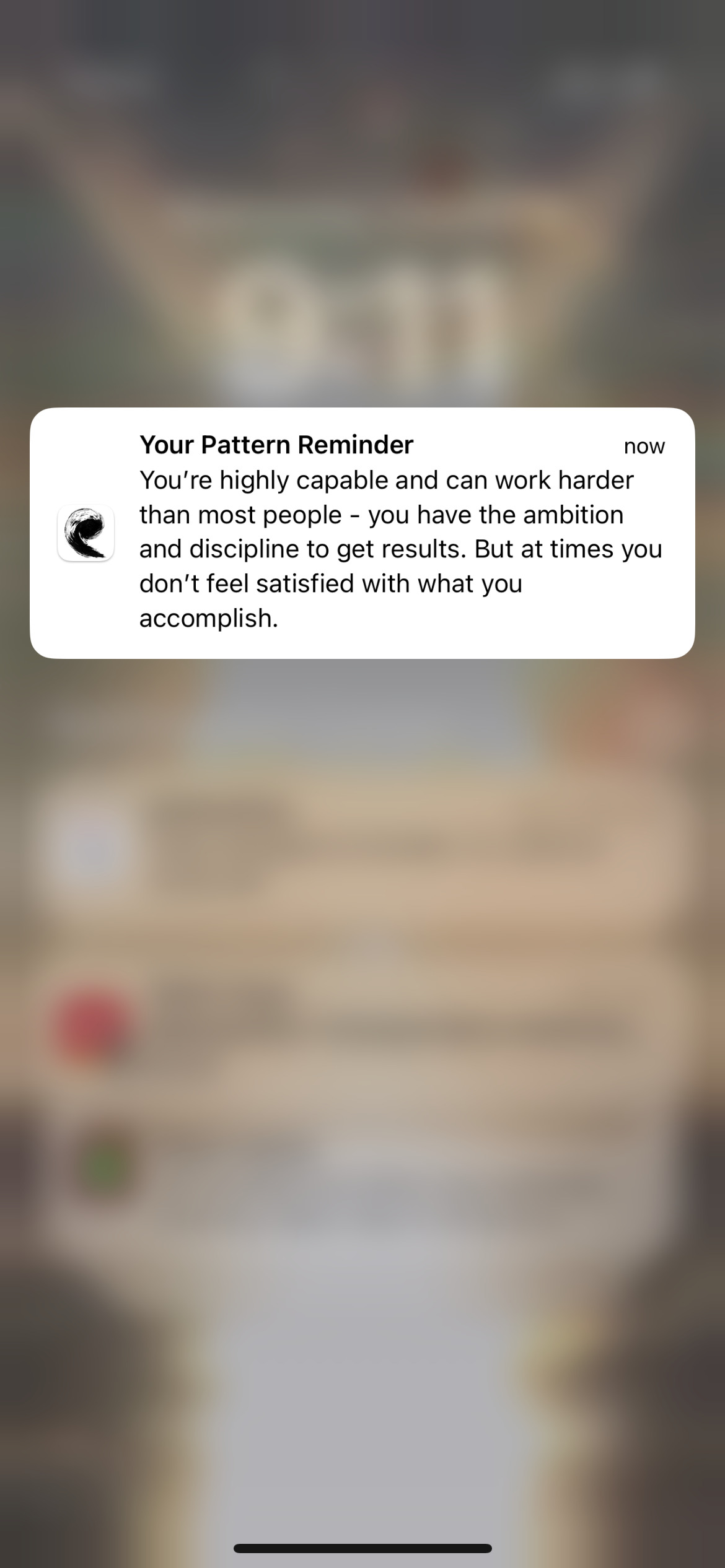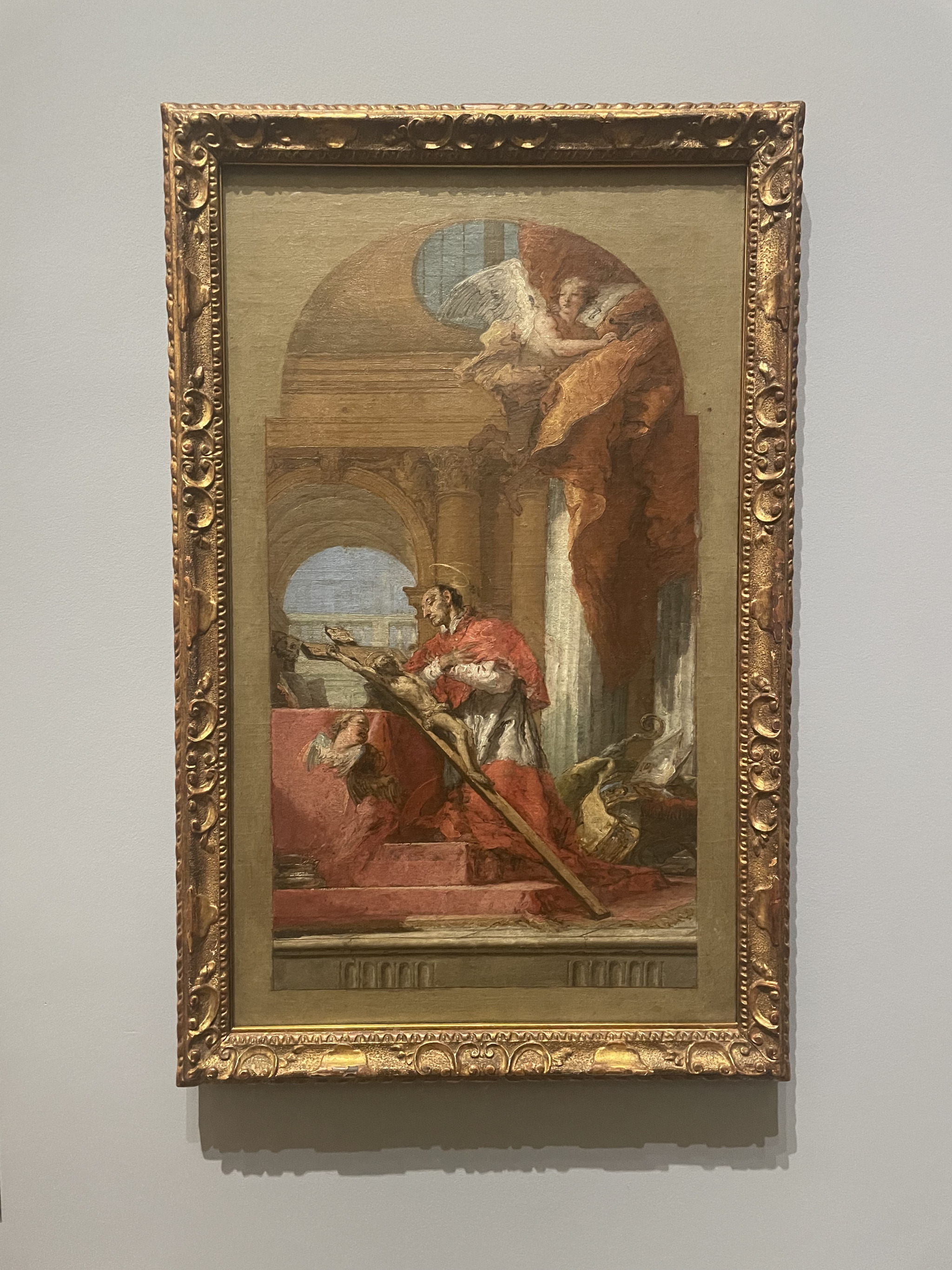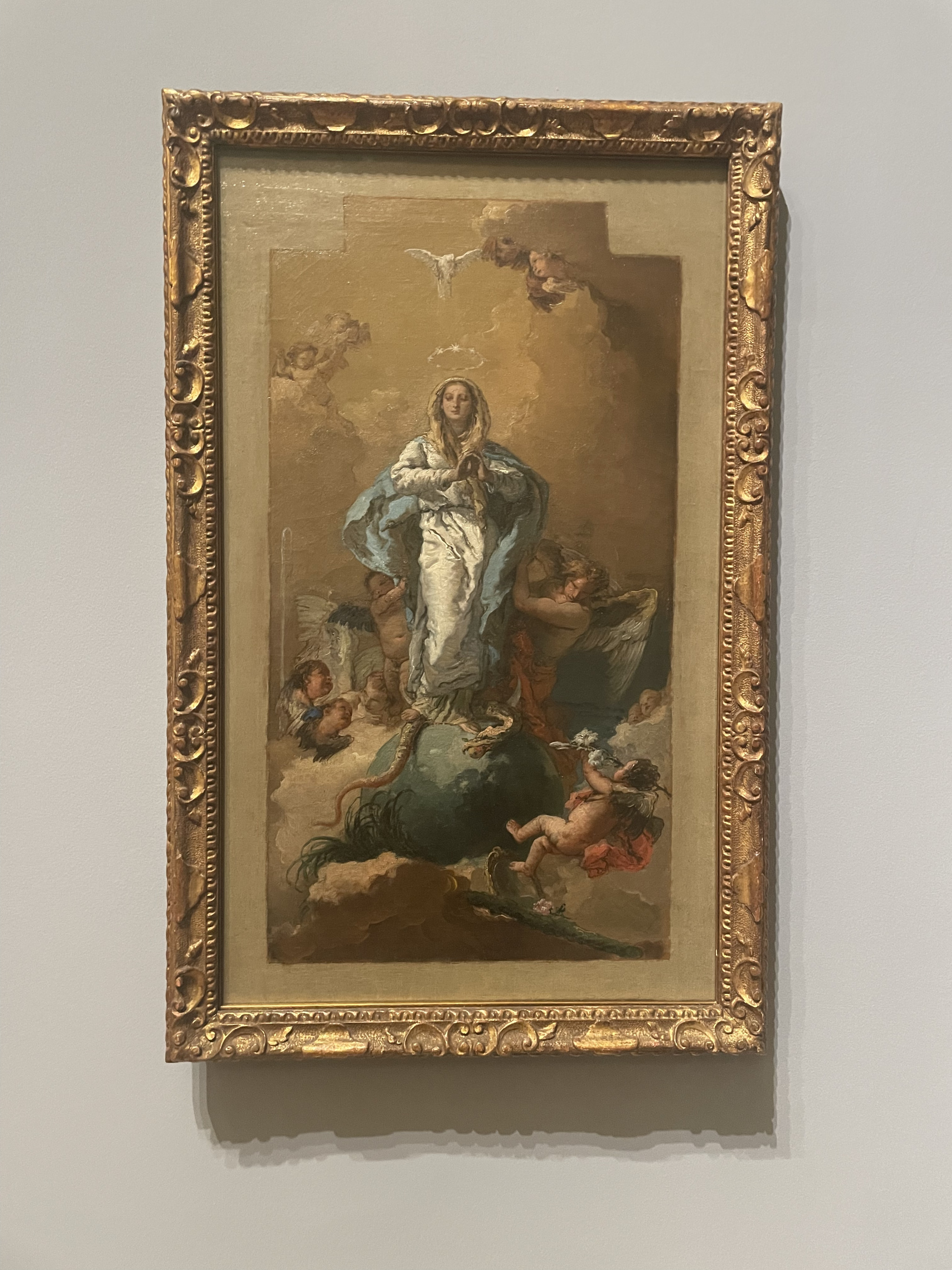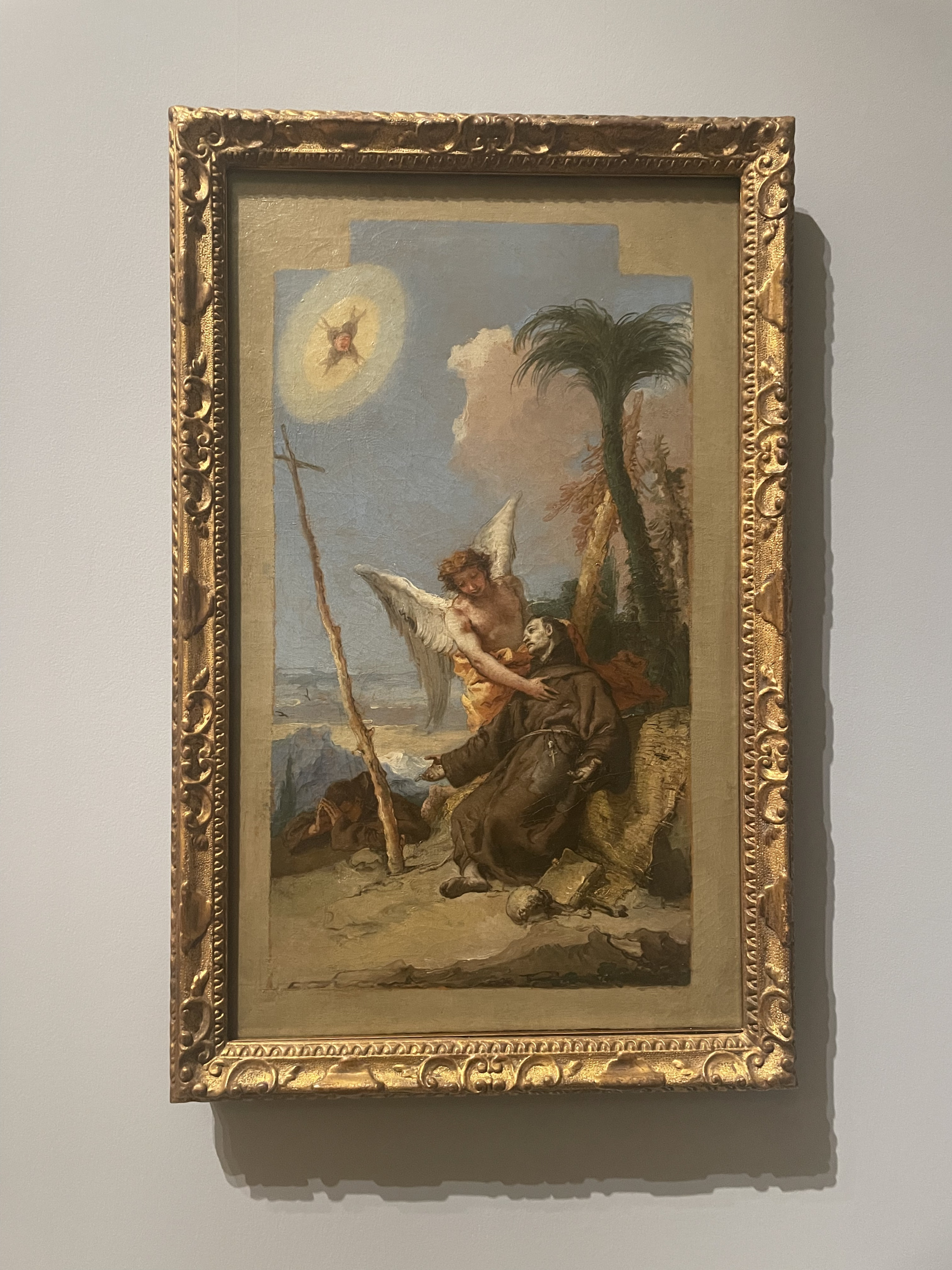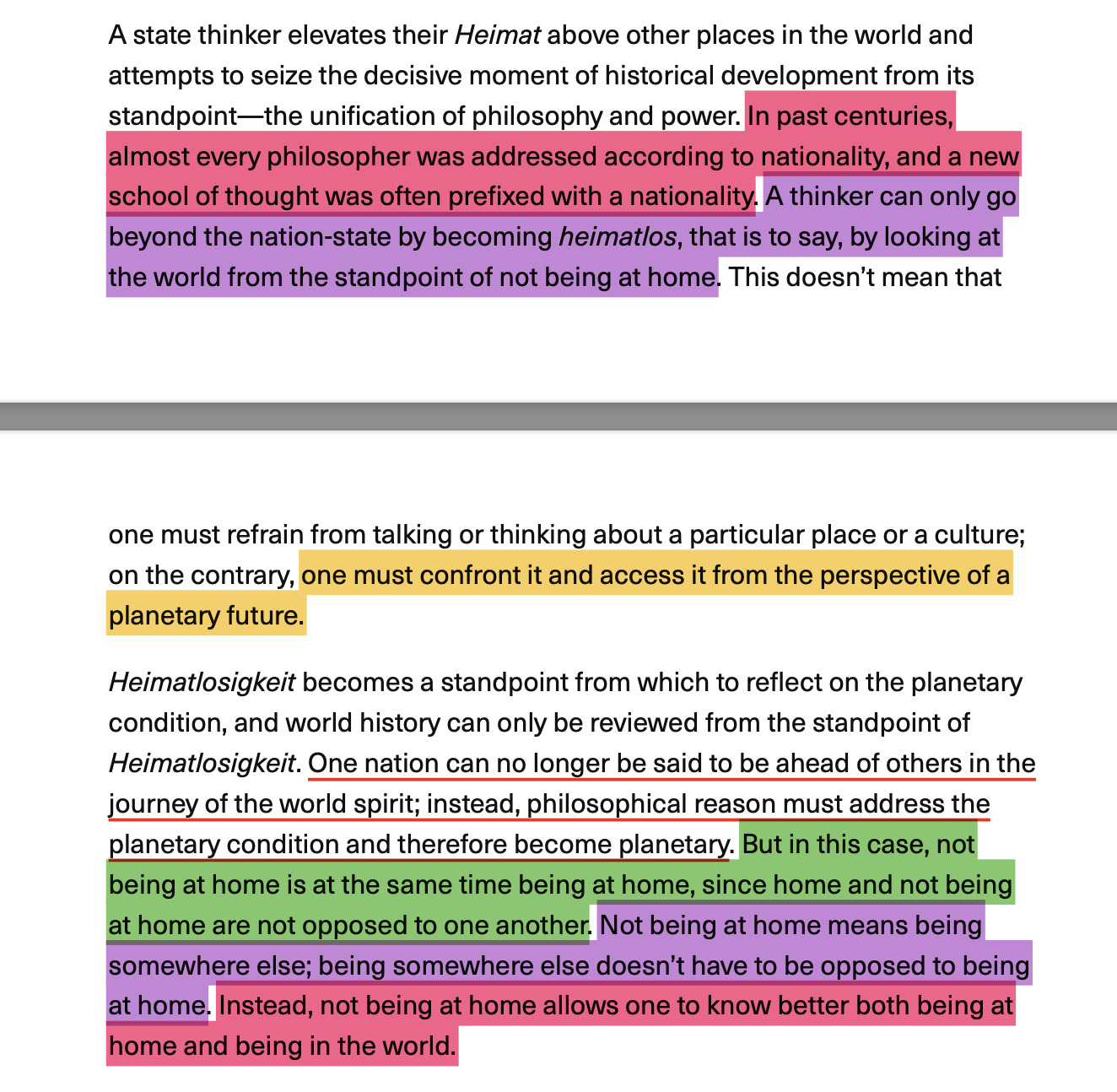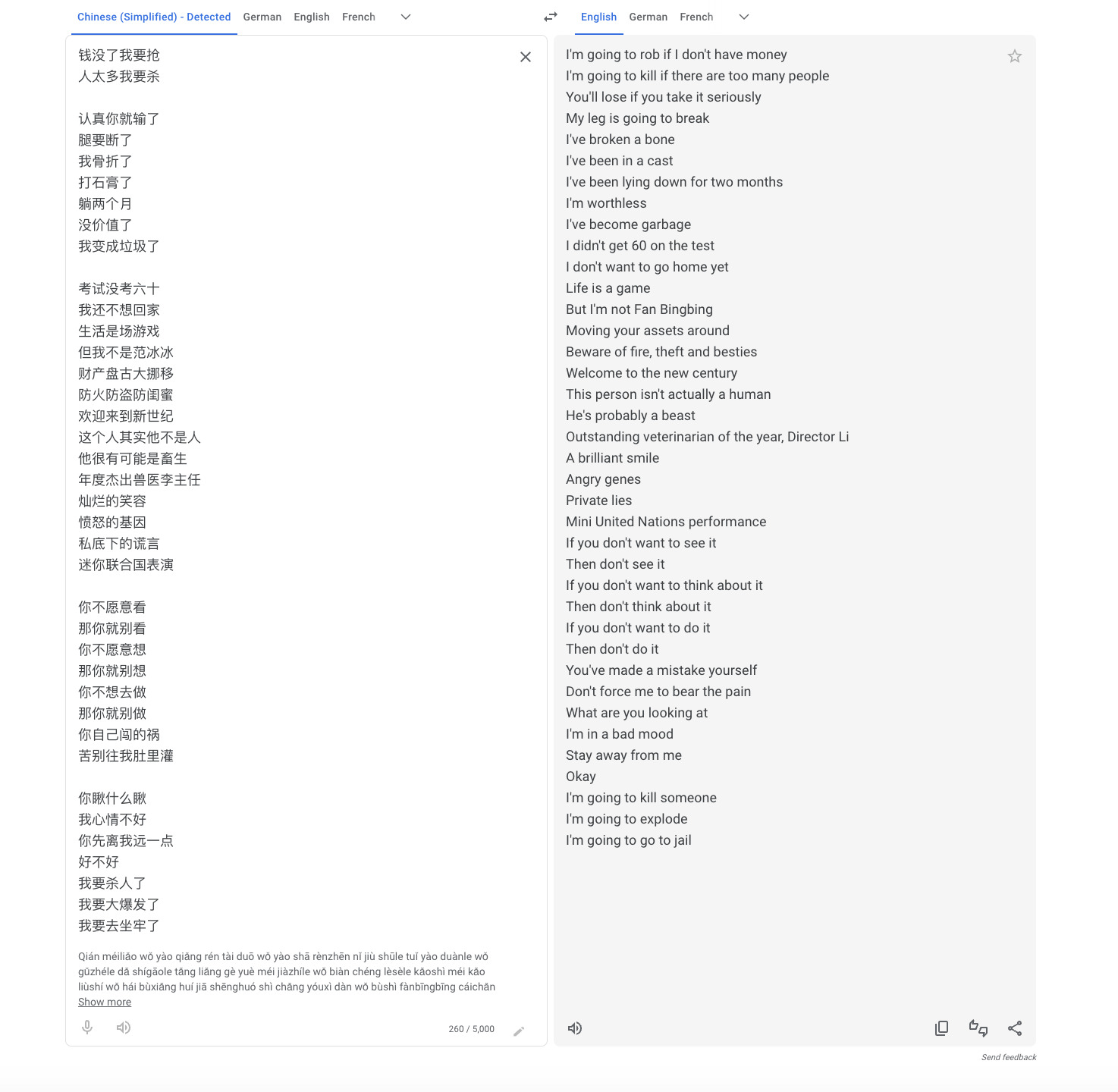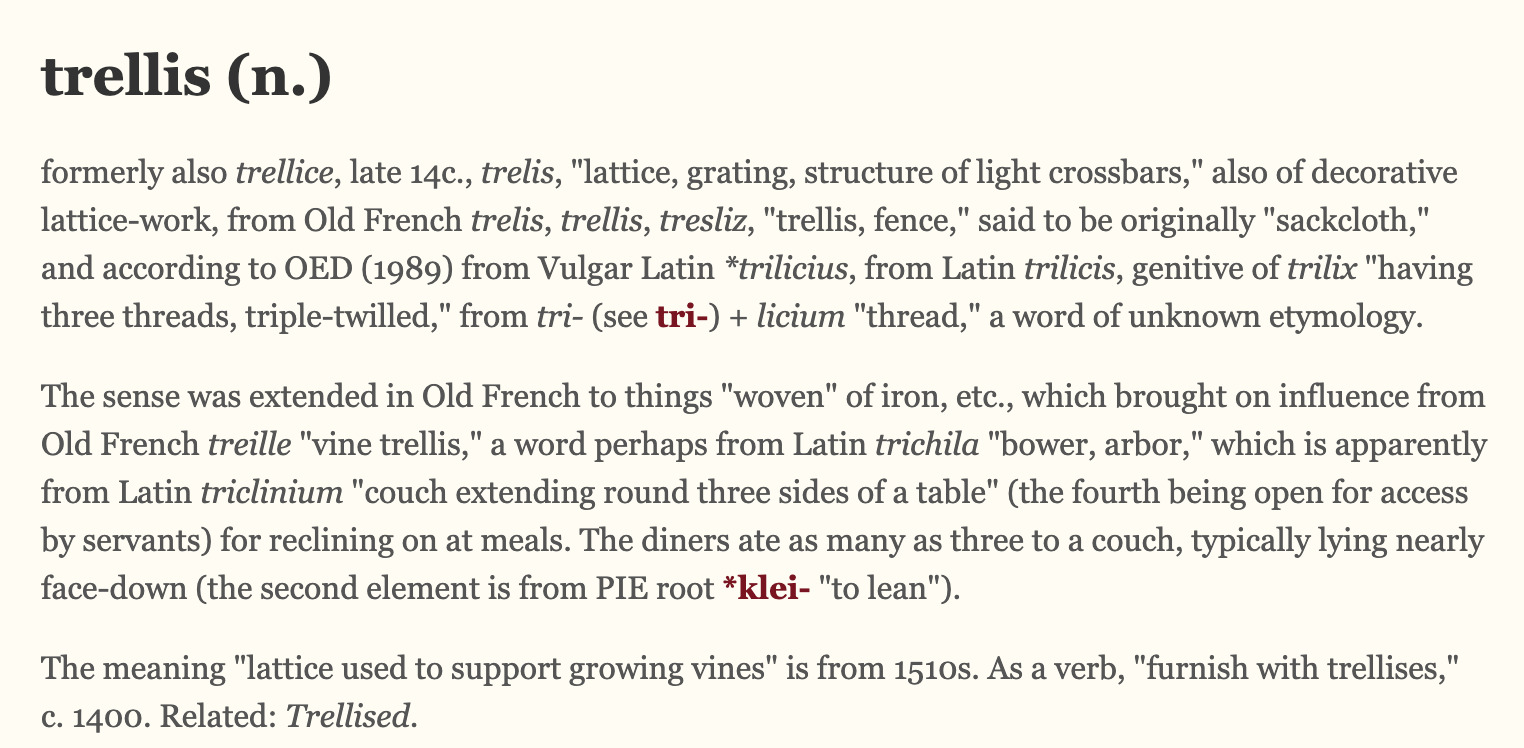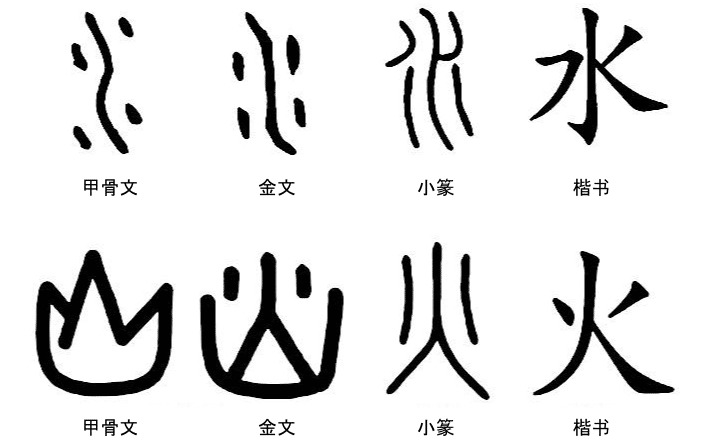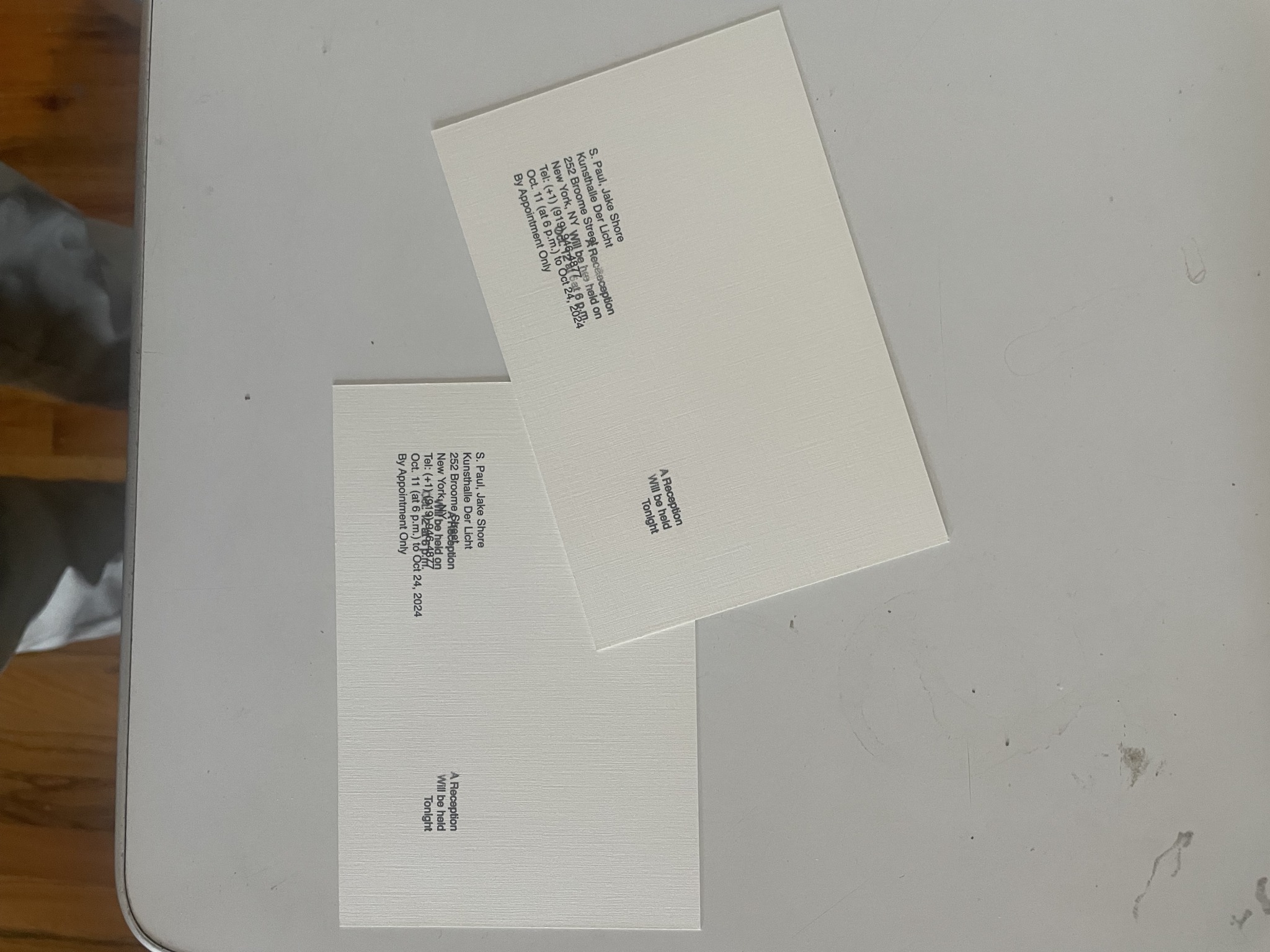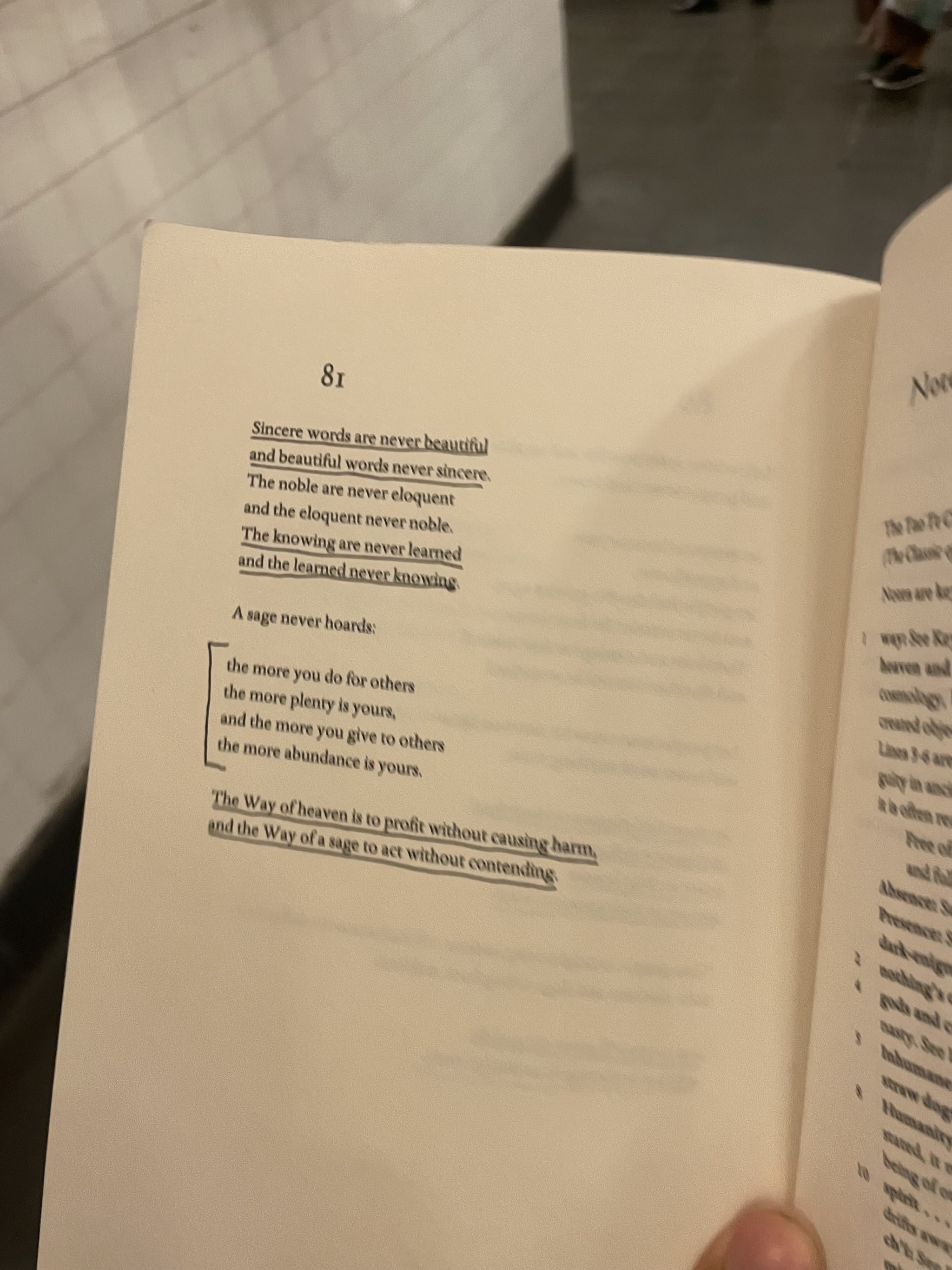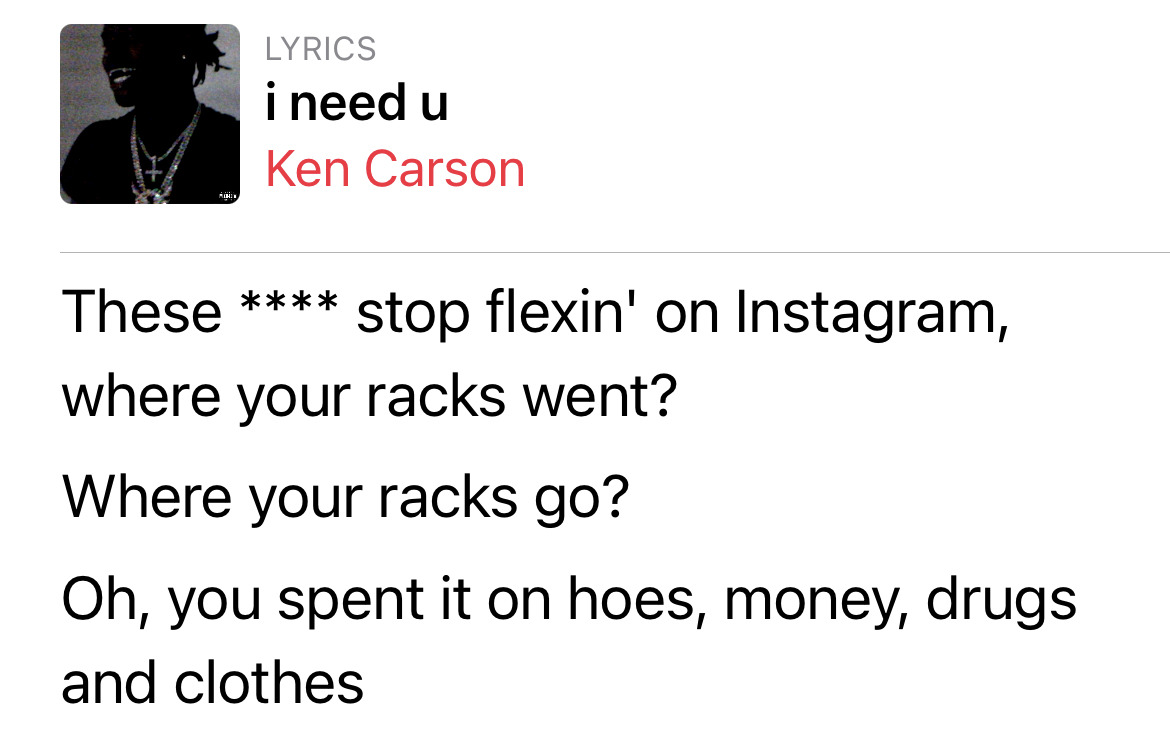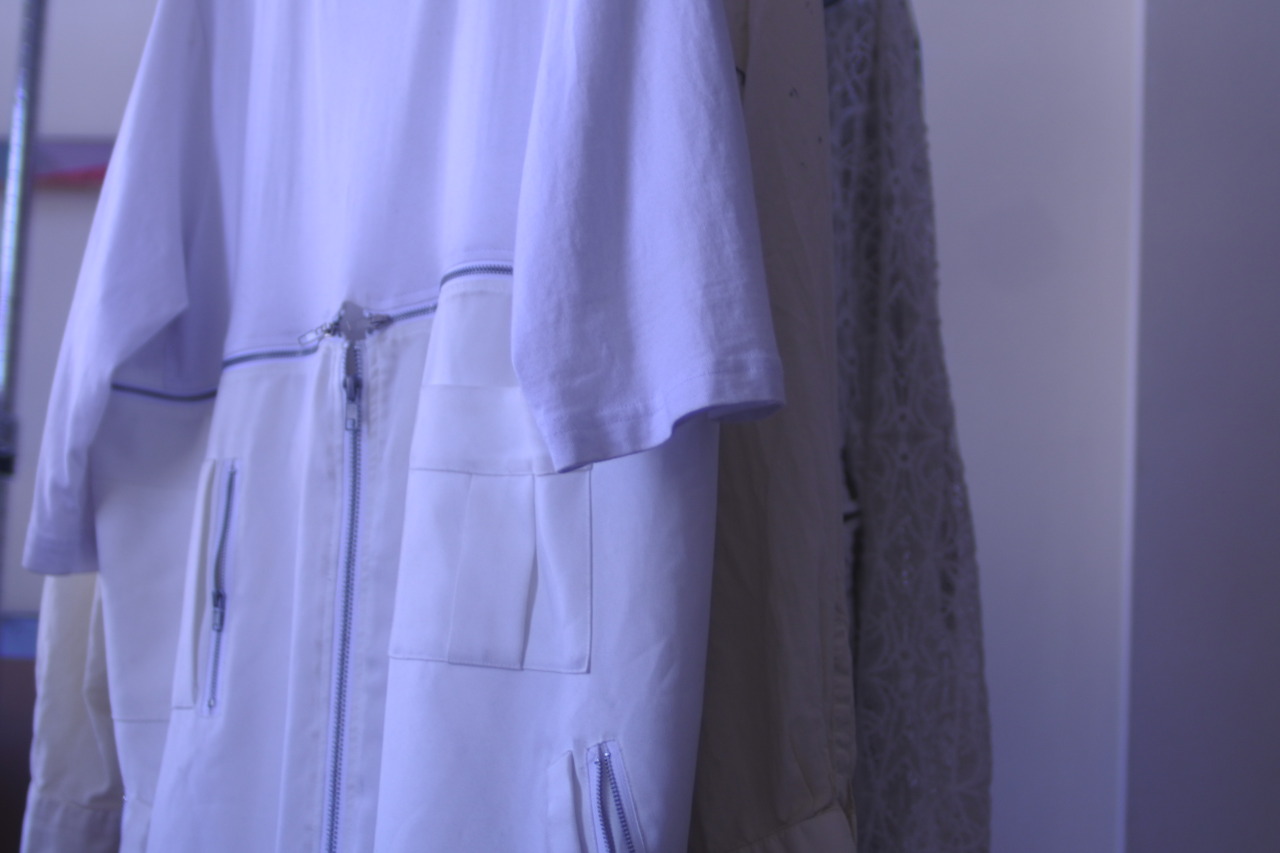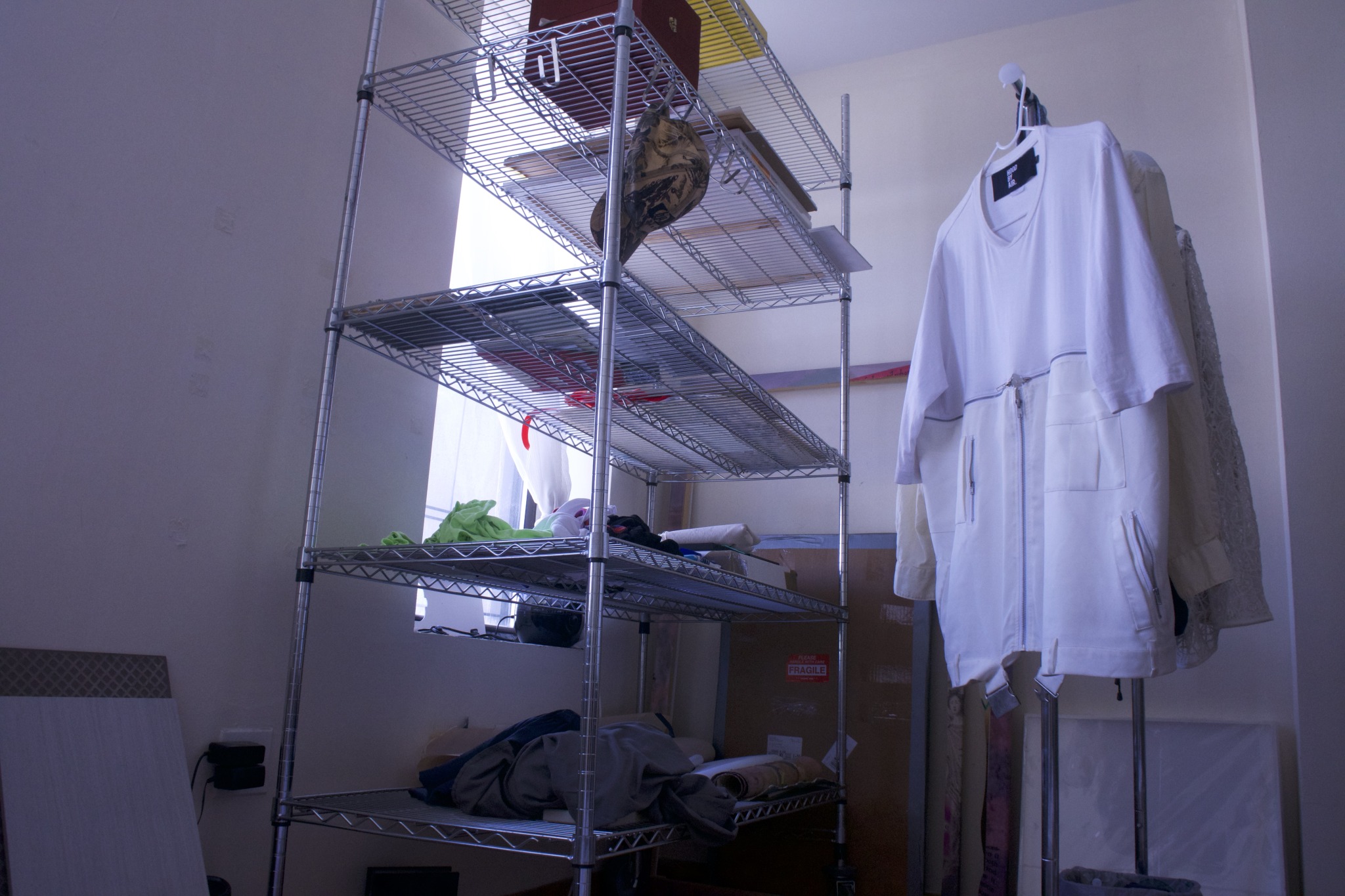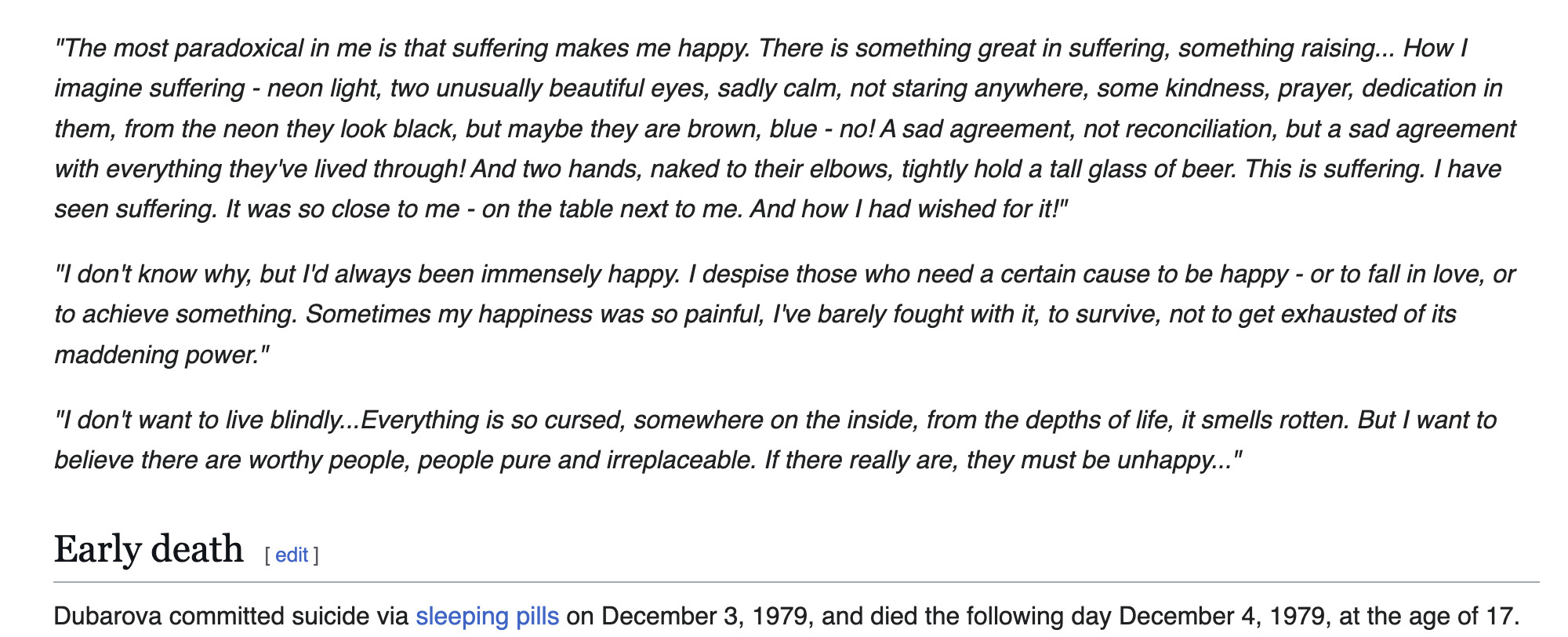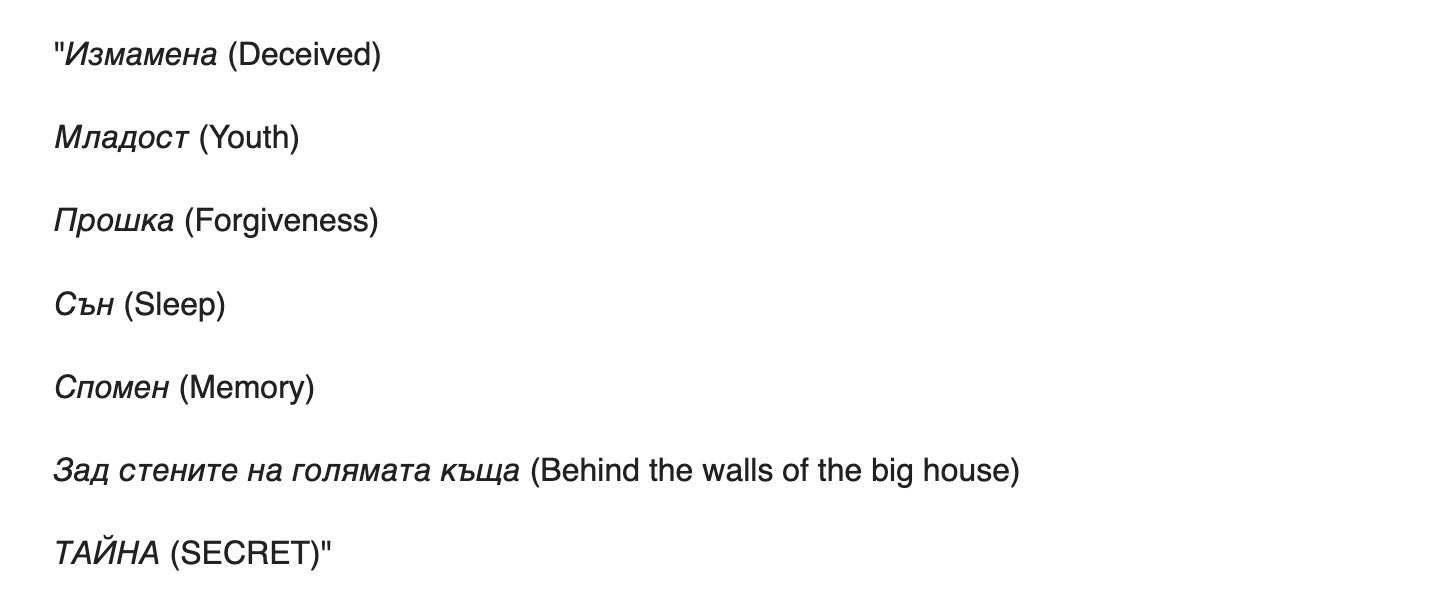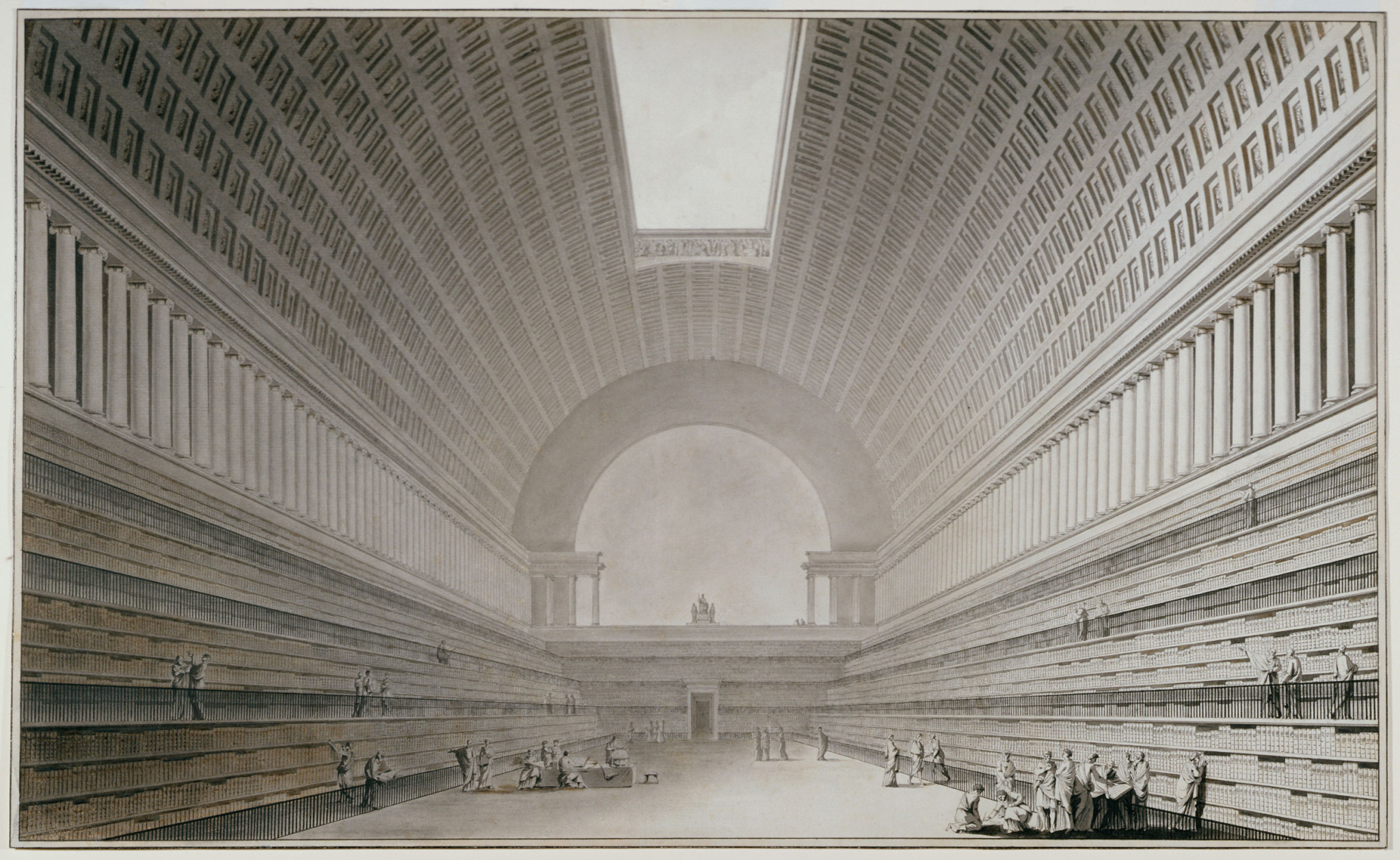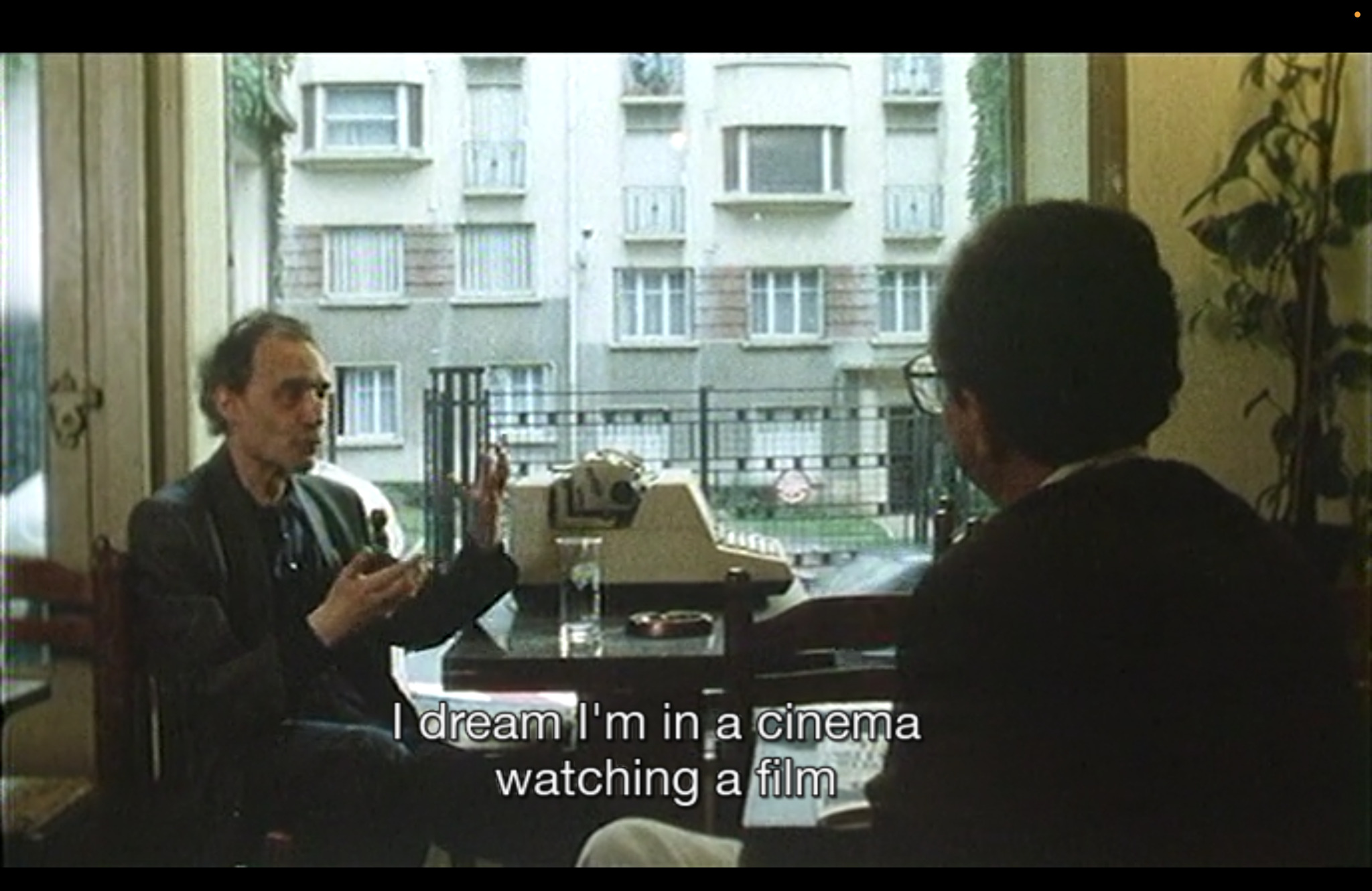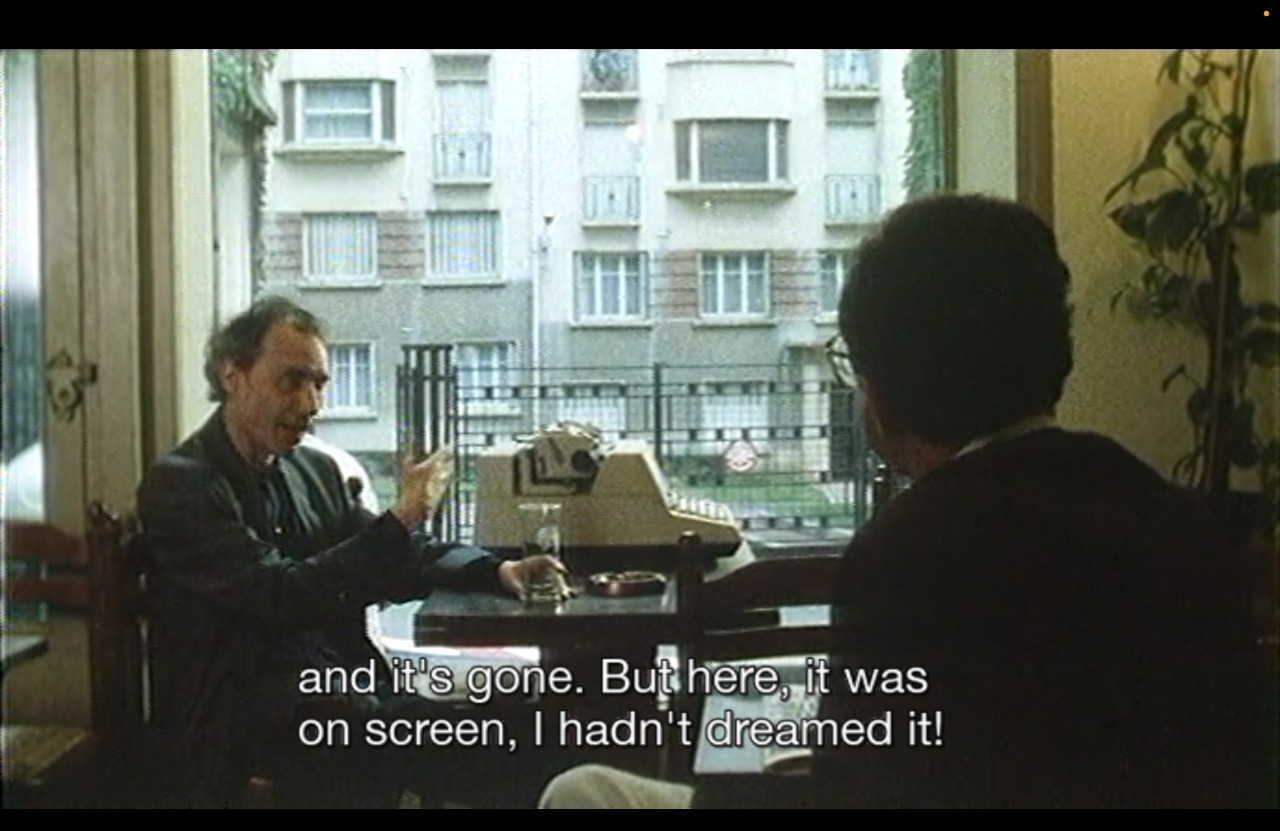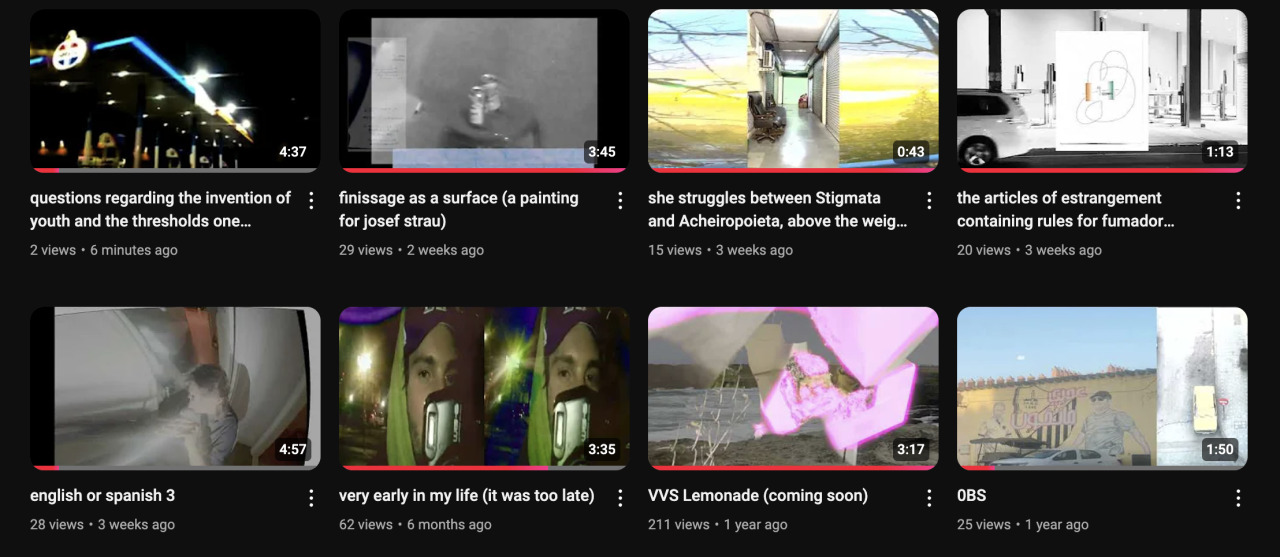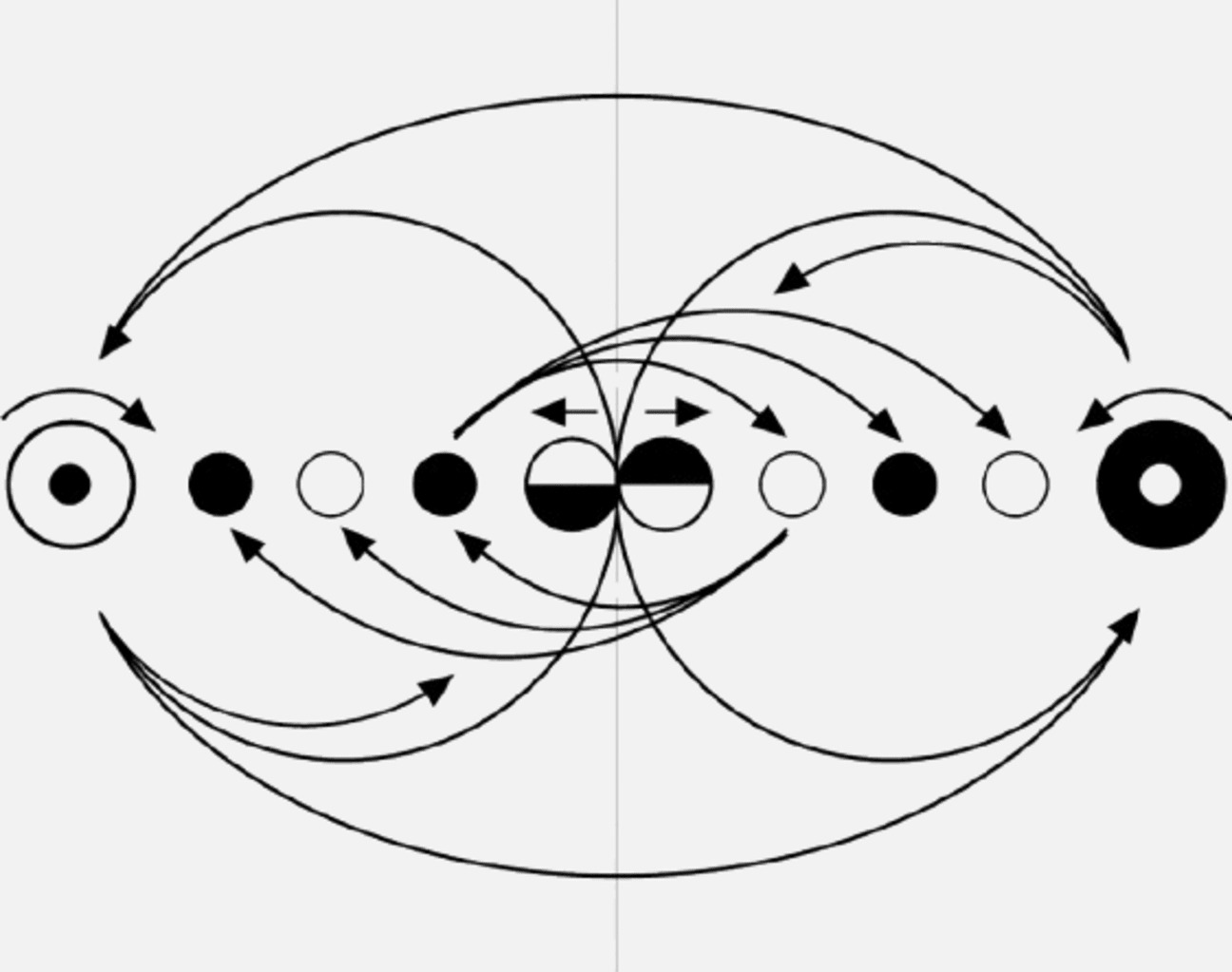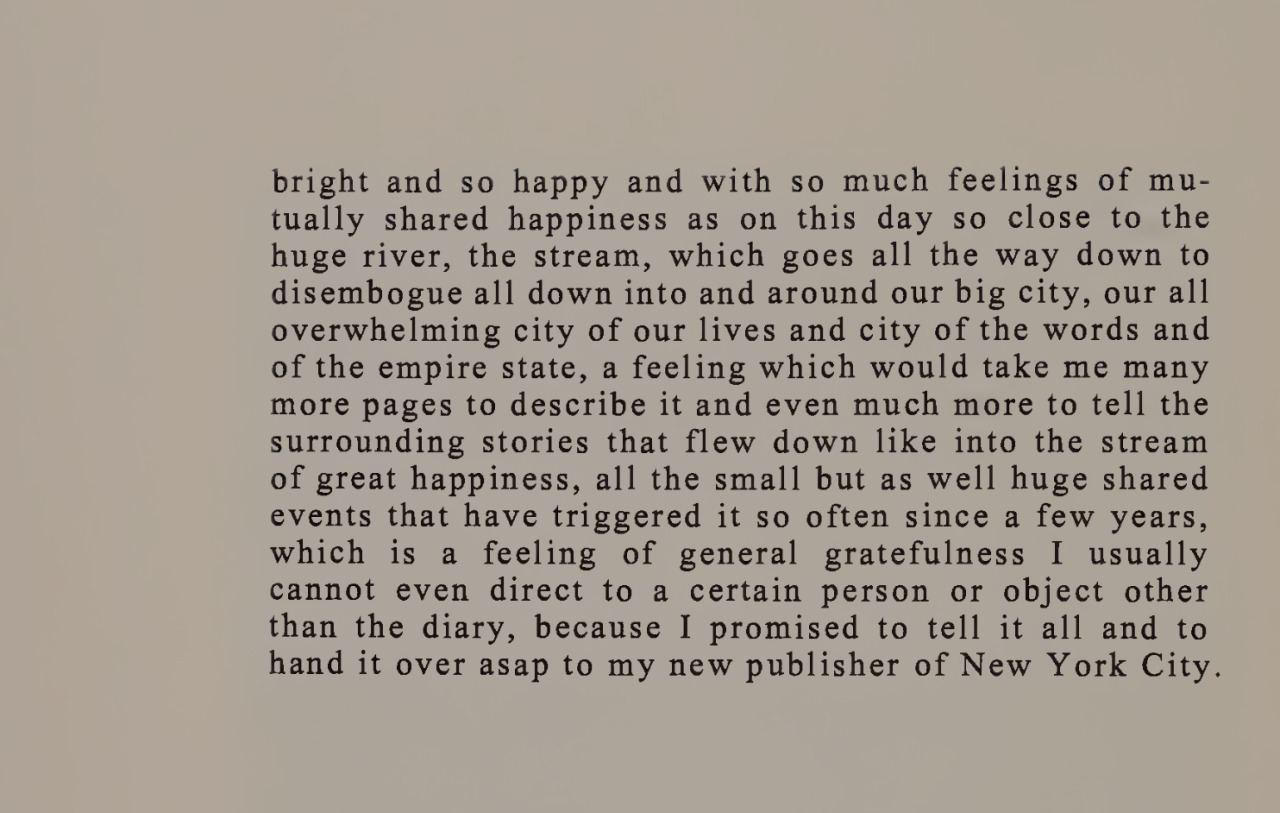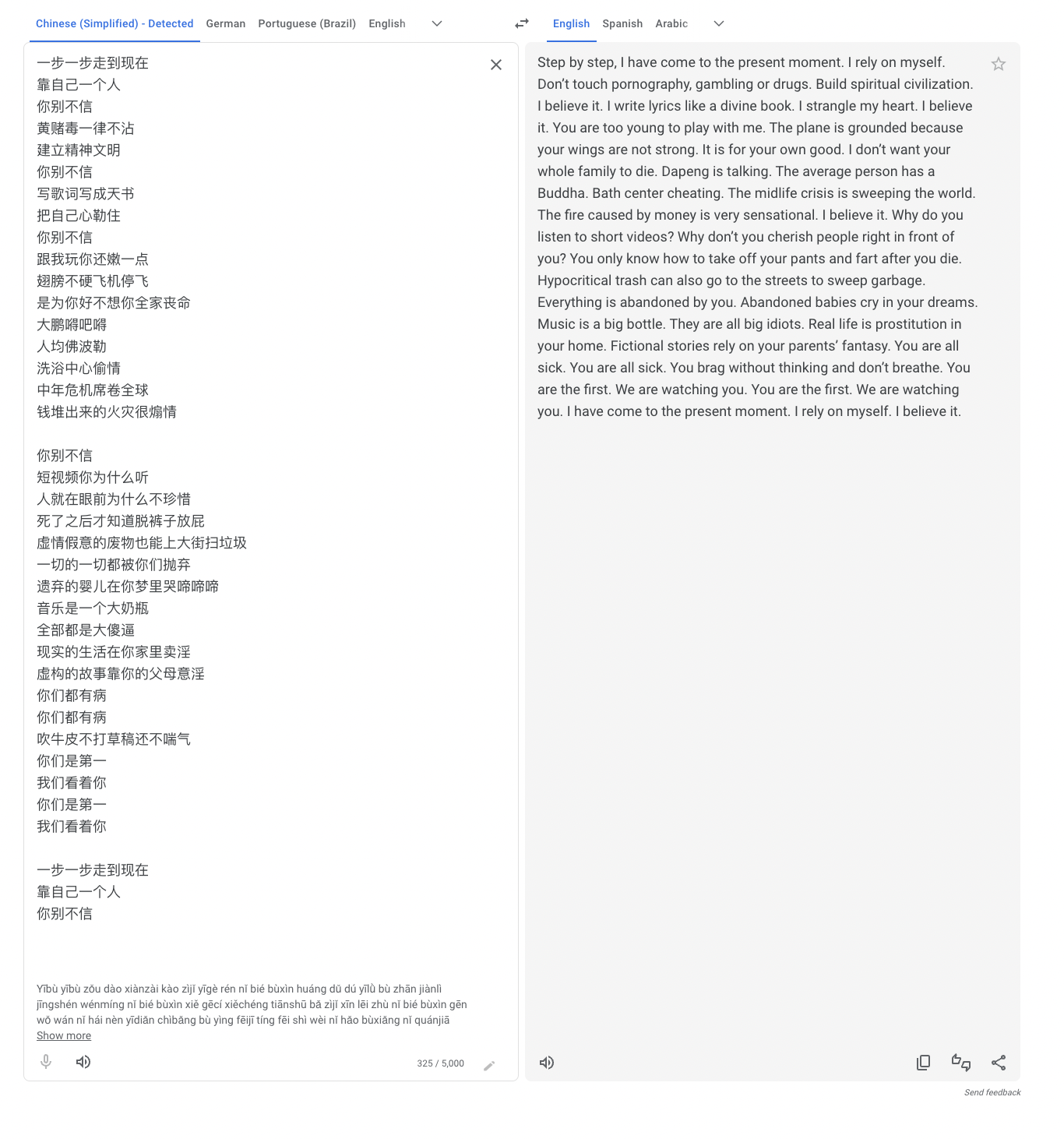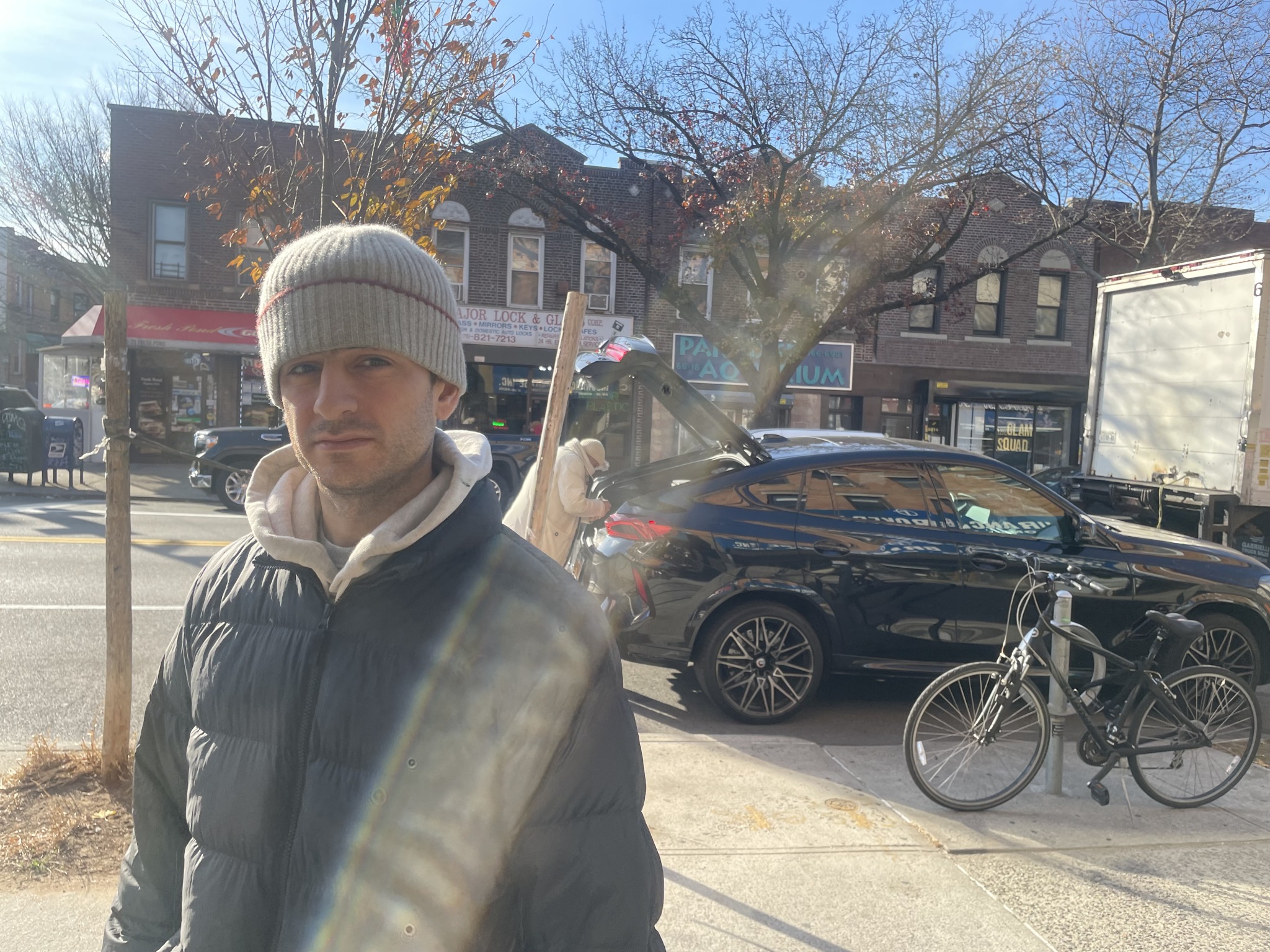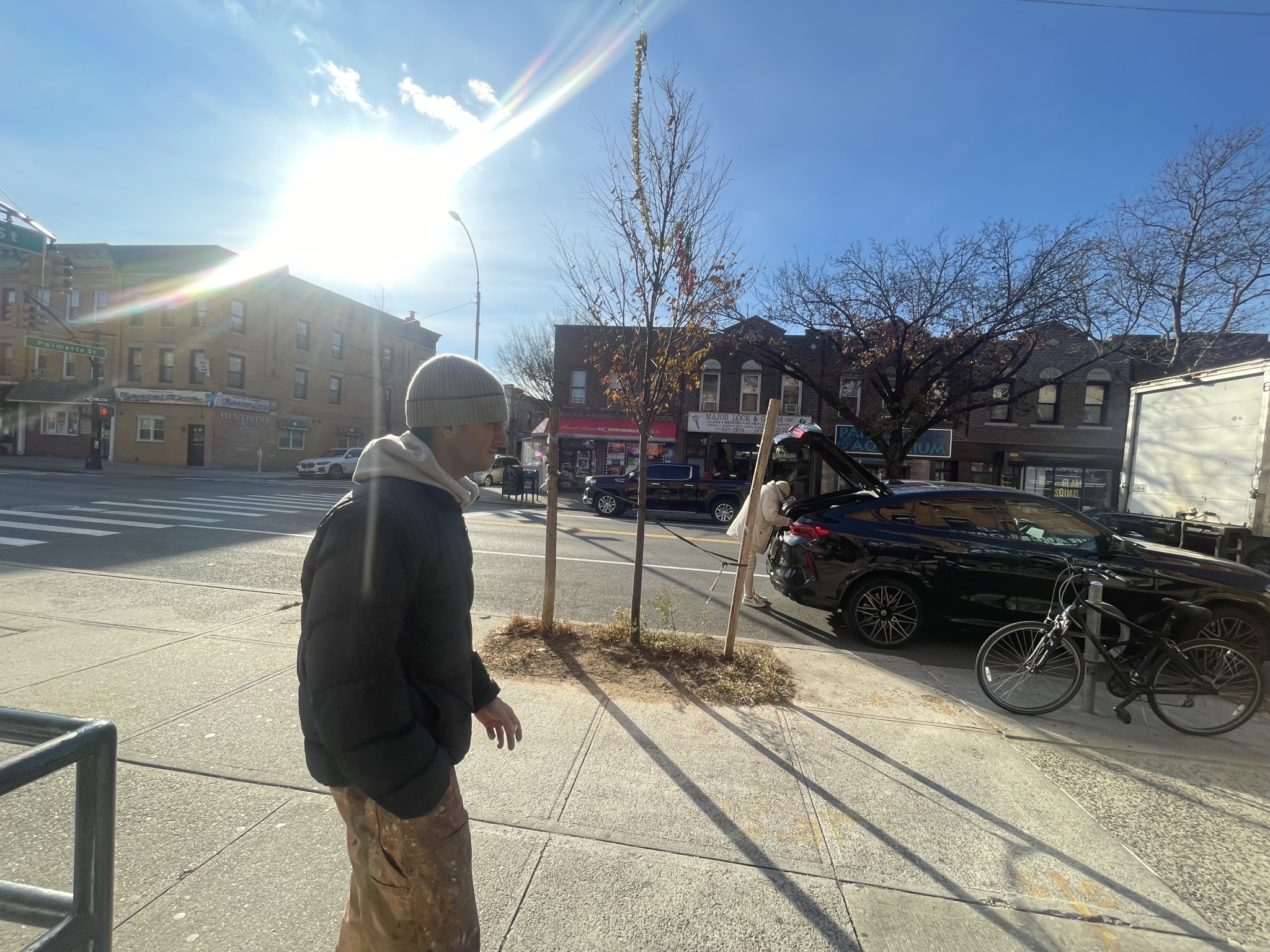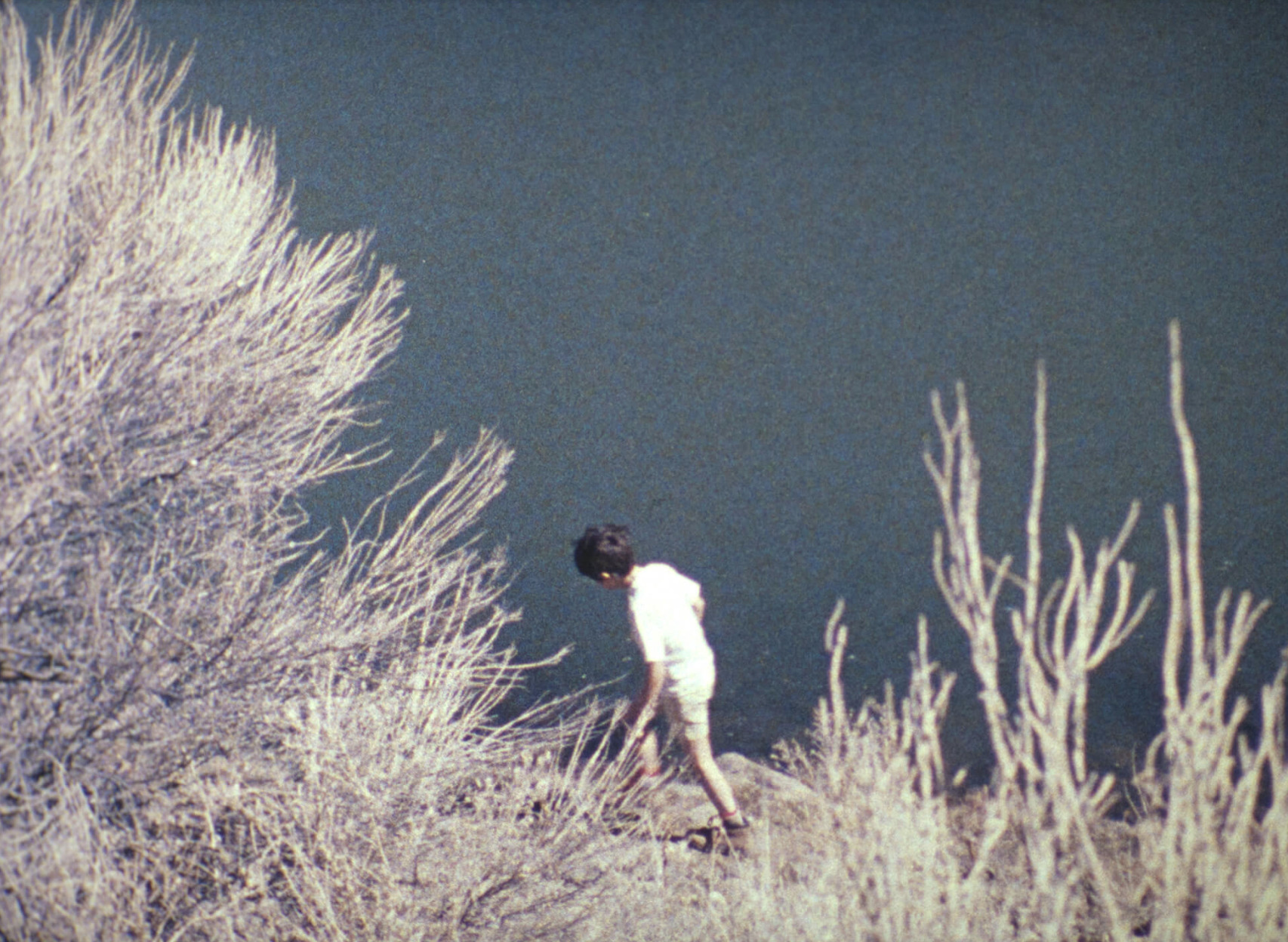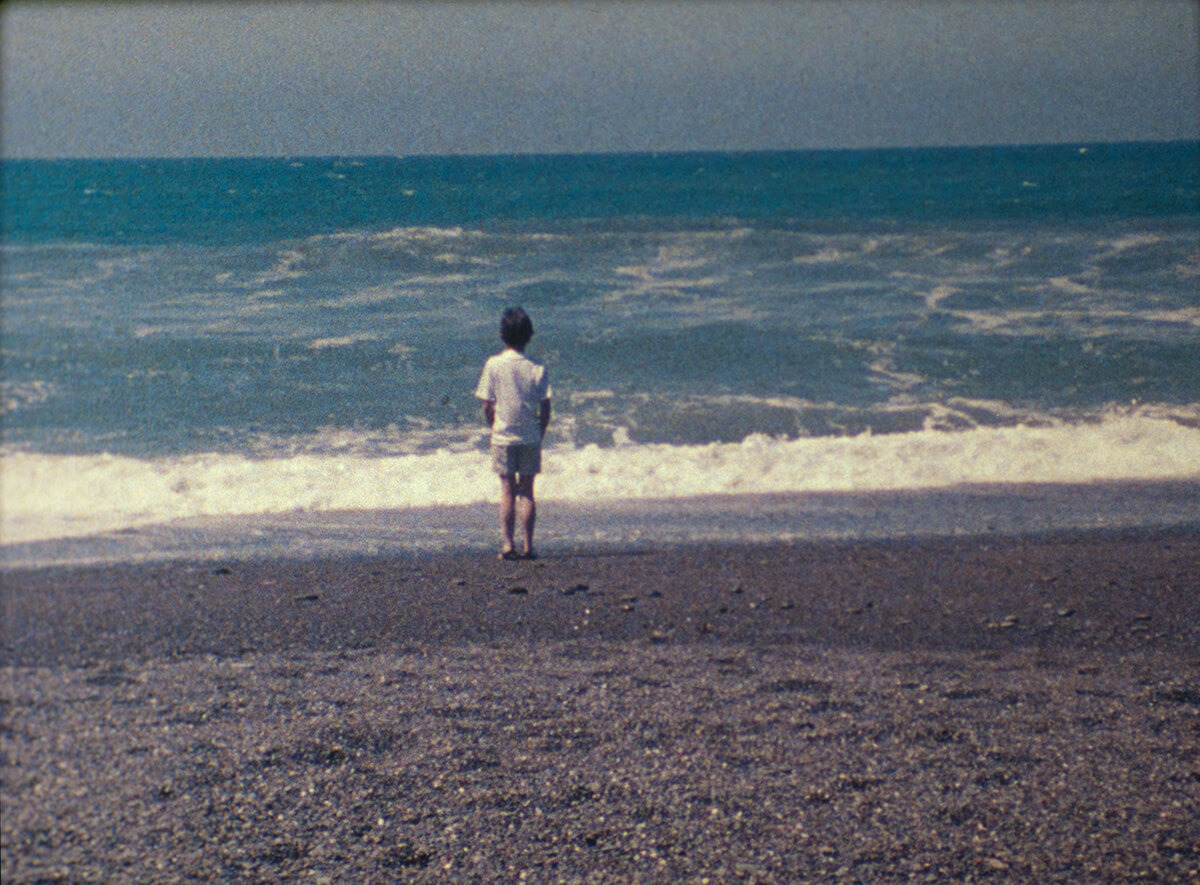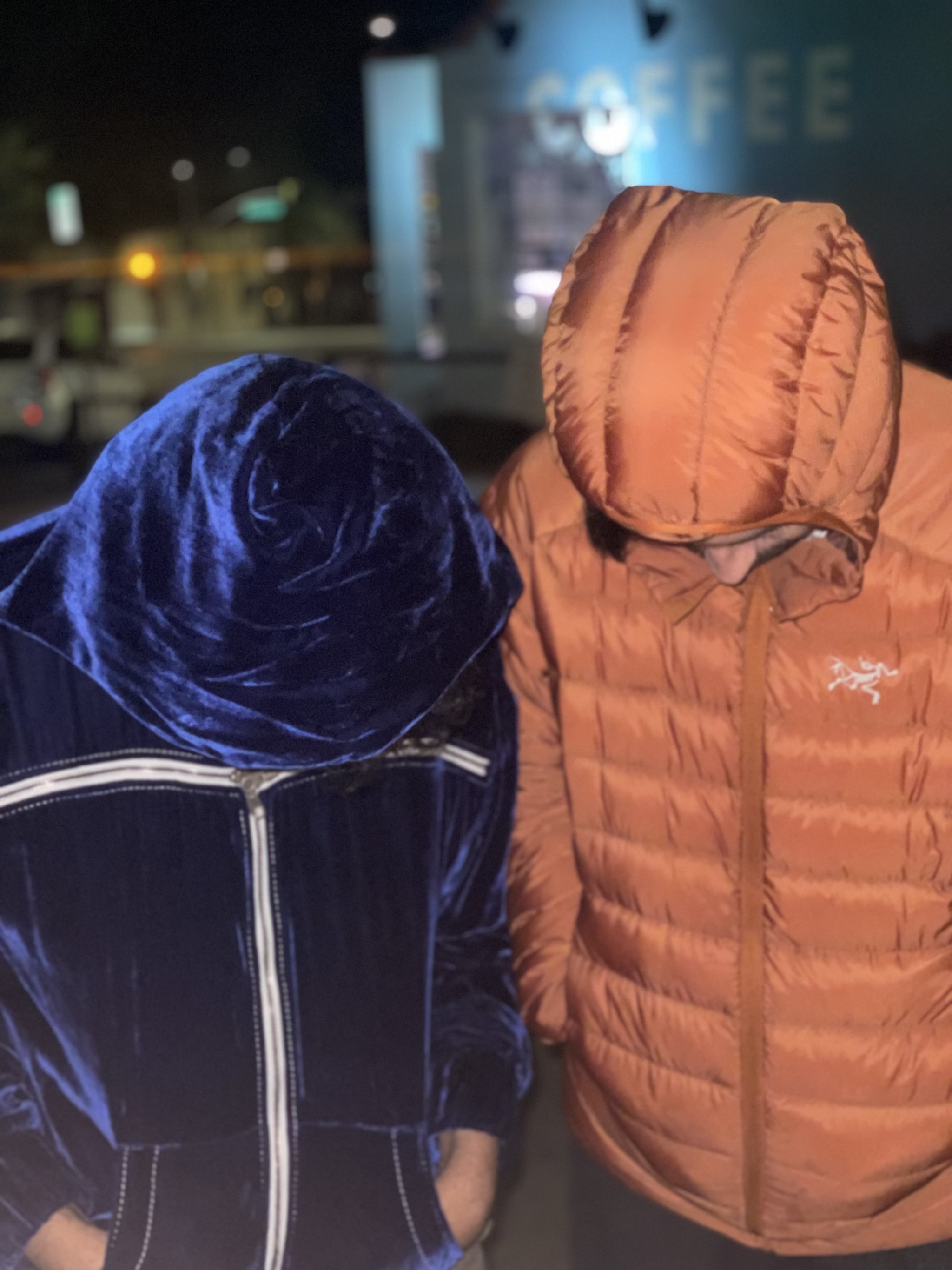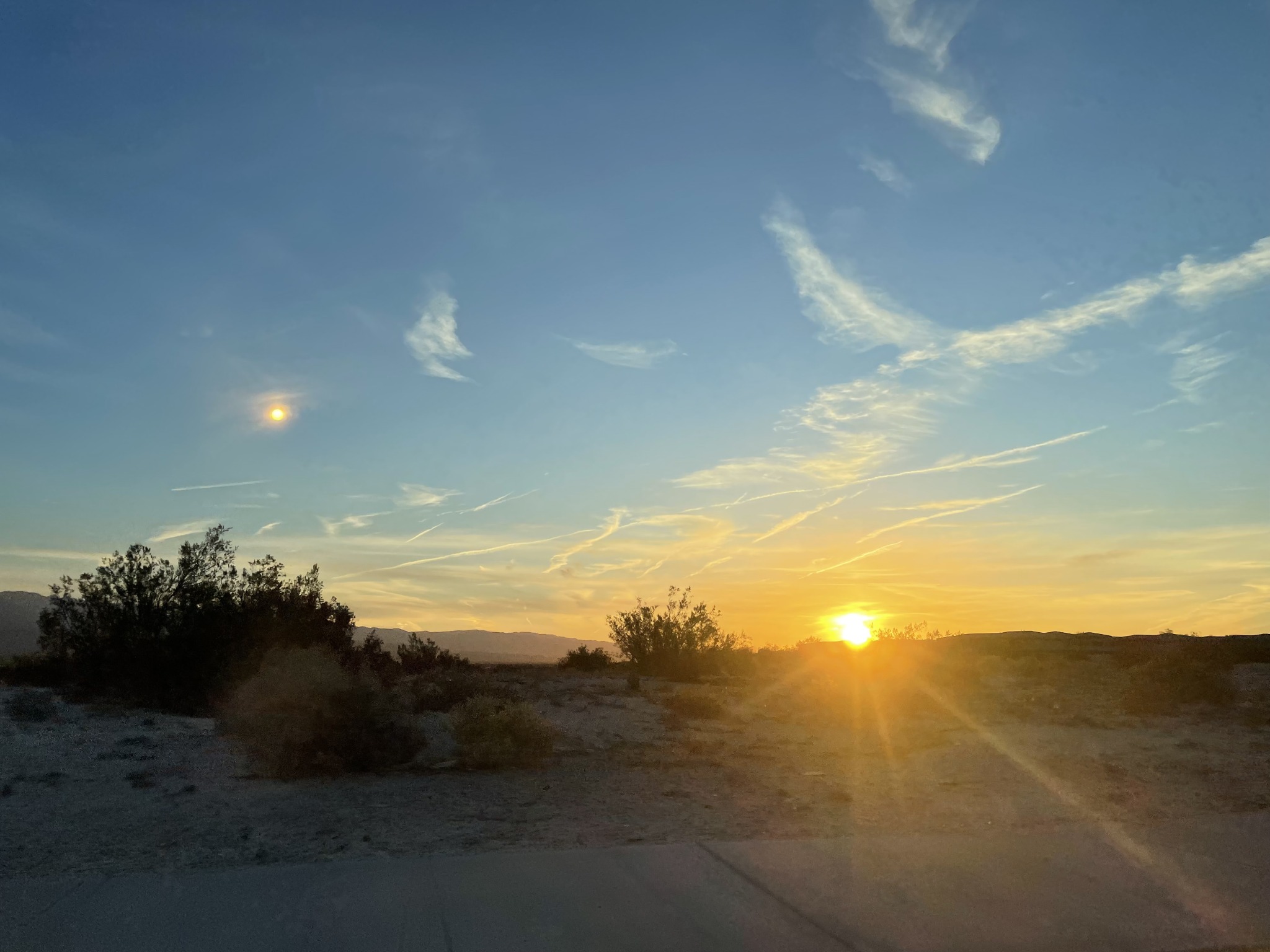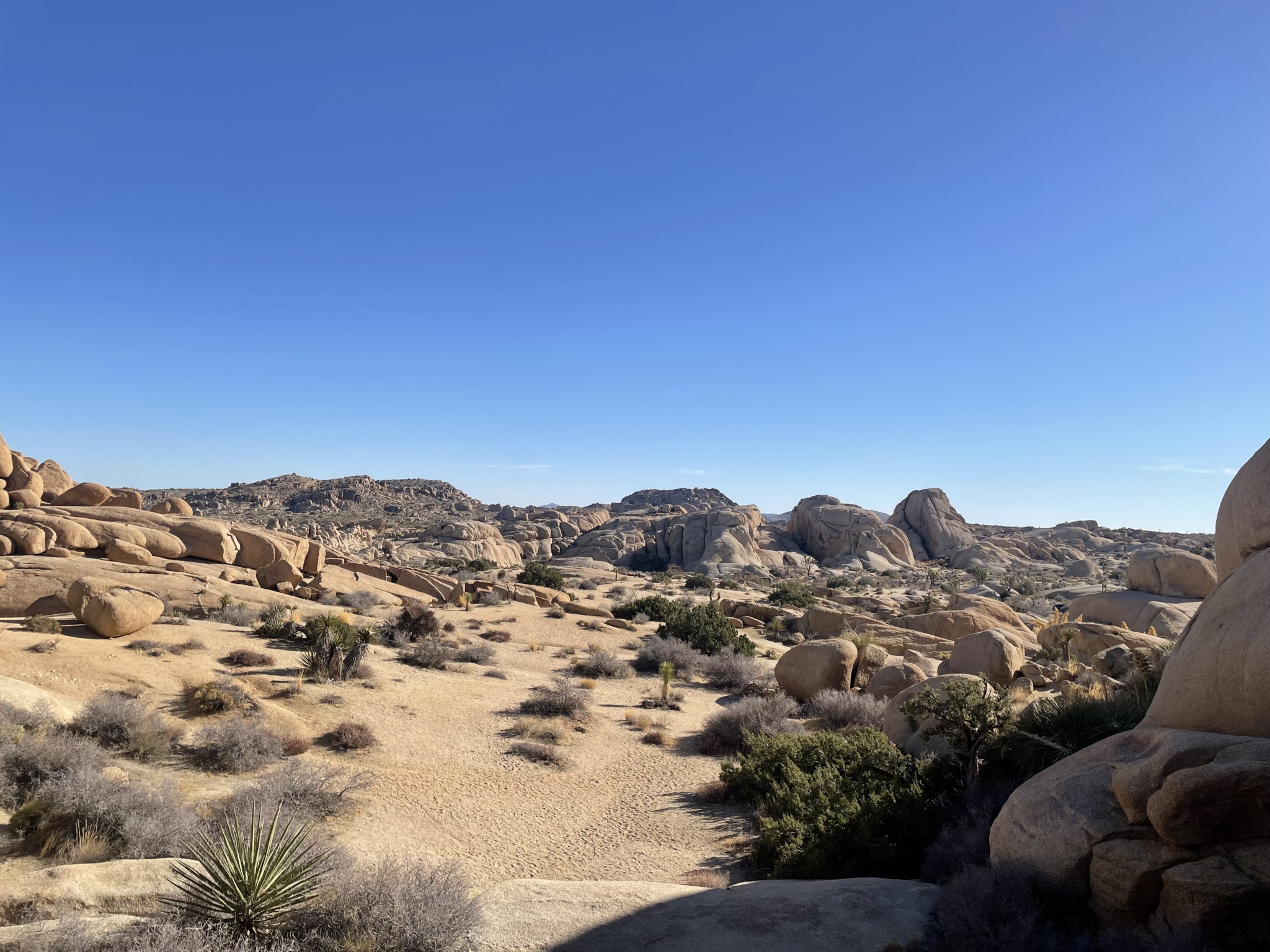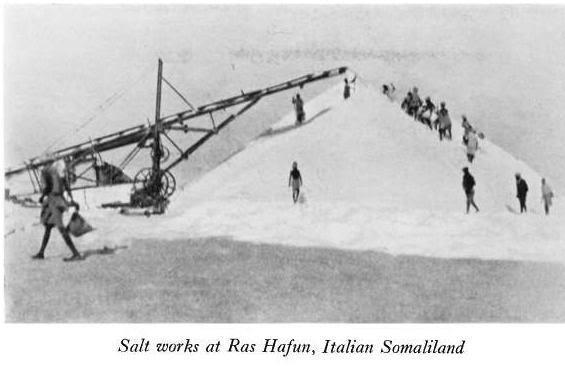xiv.
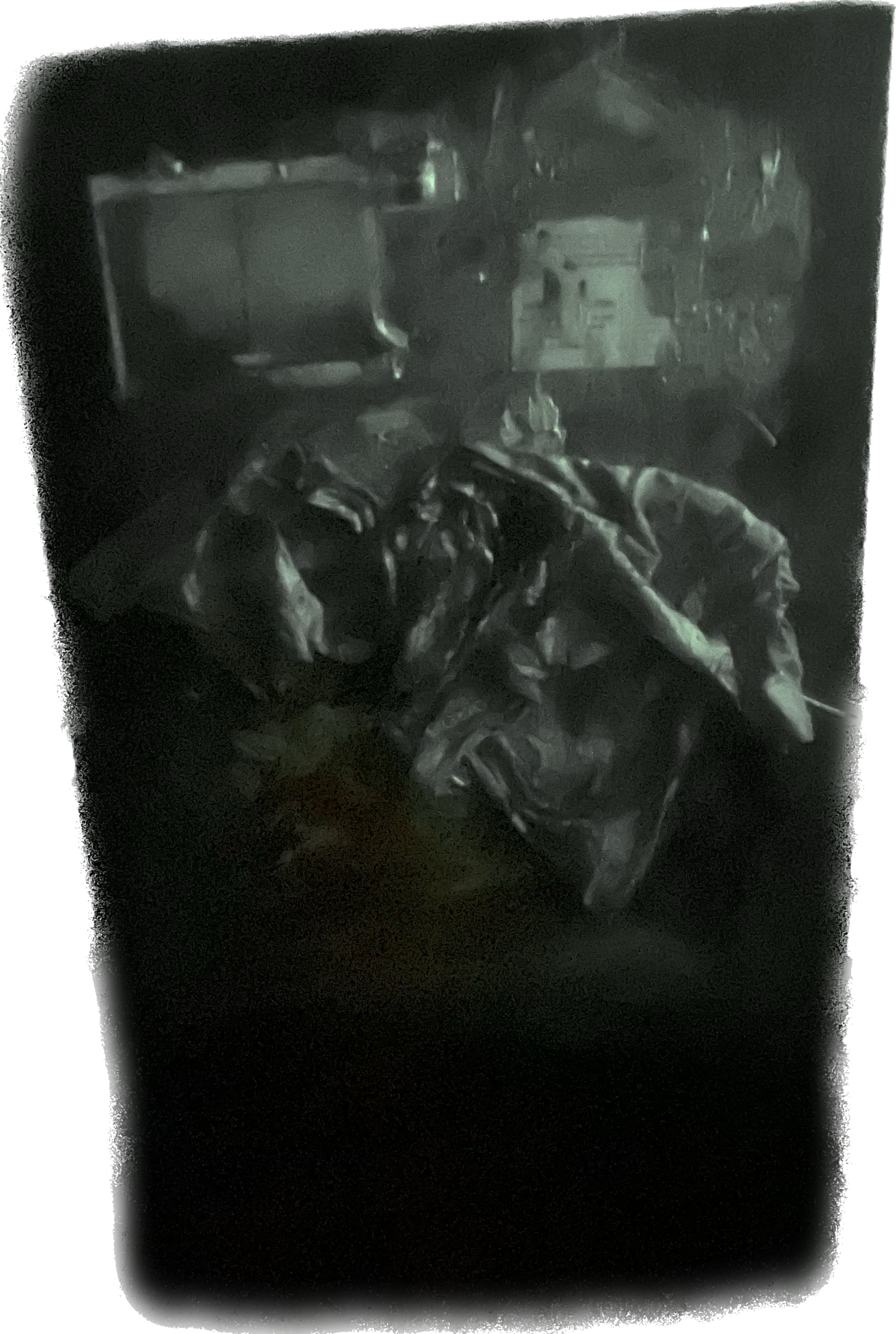
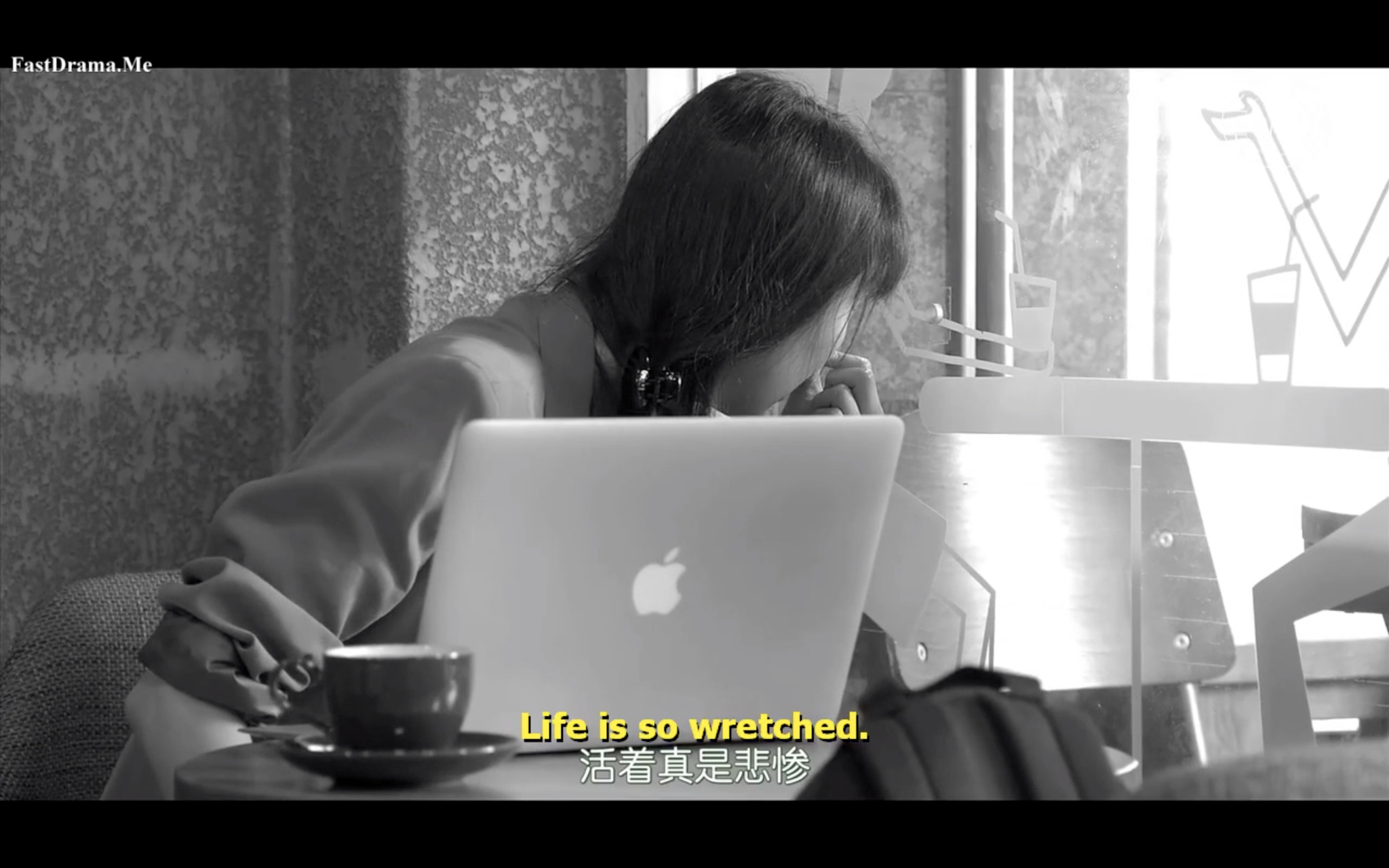


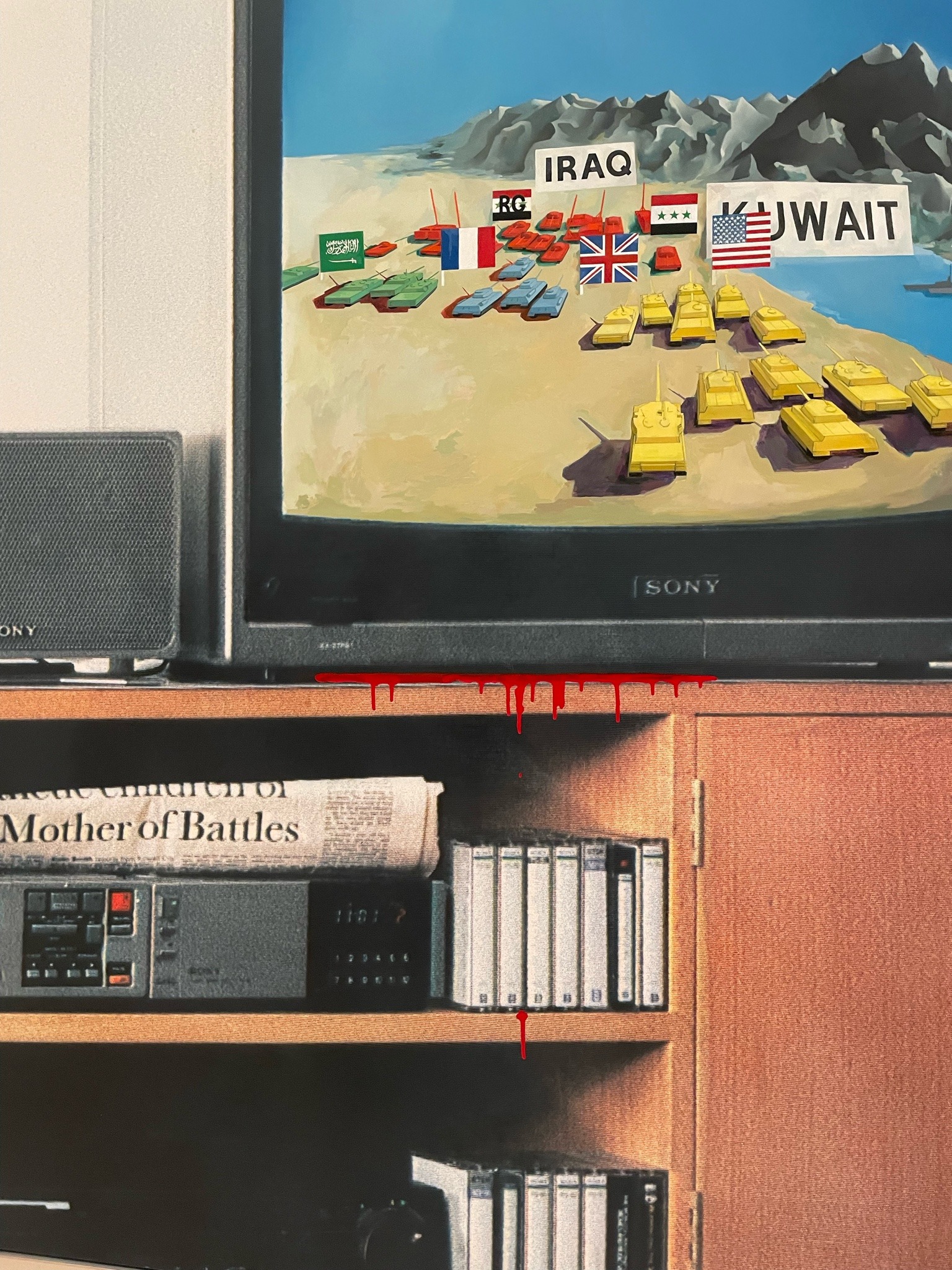
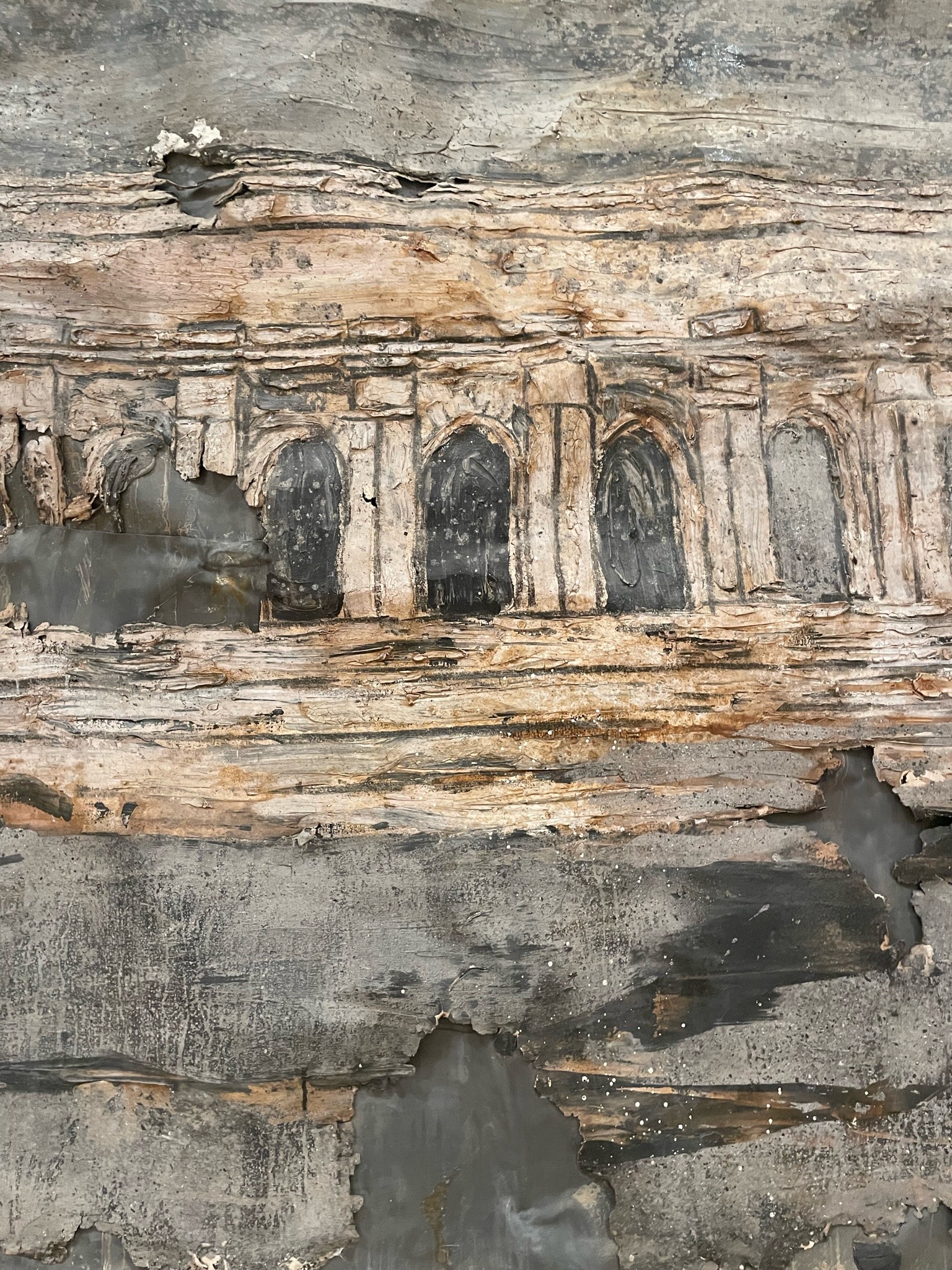
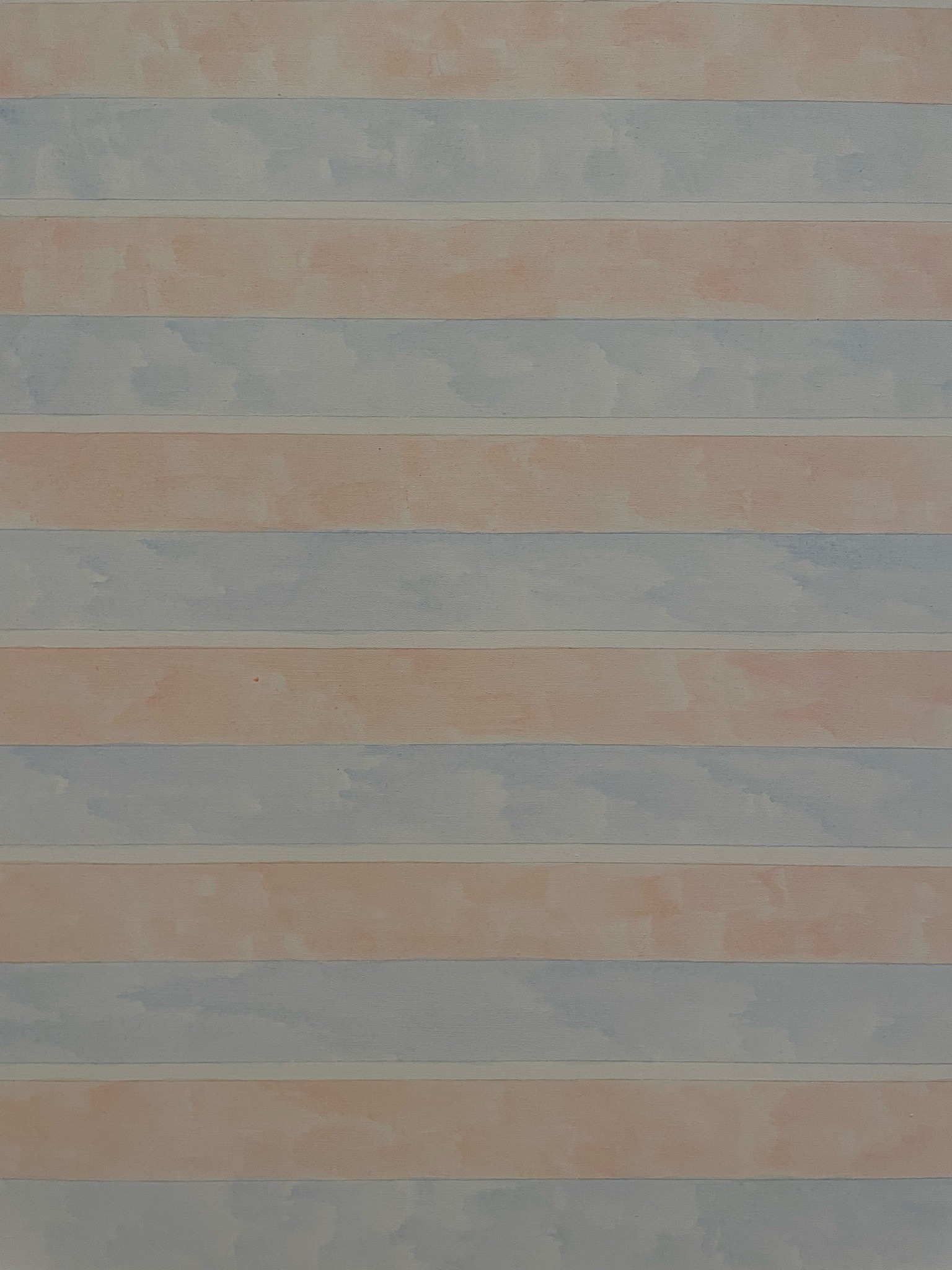
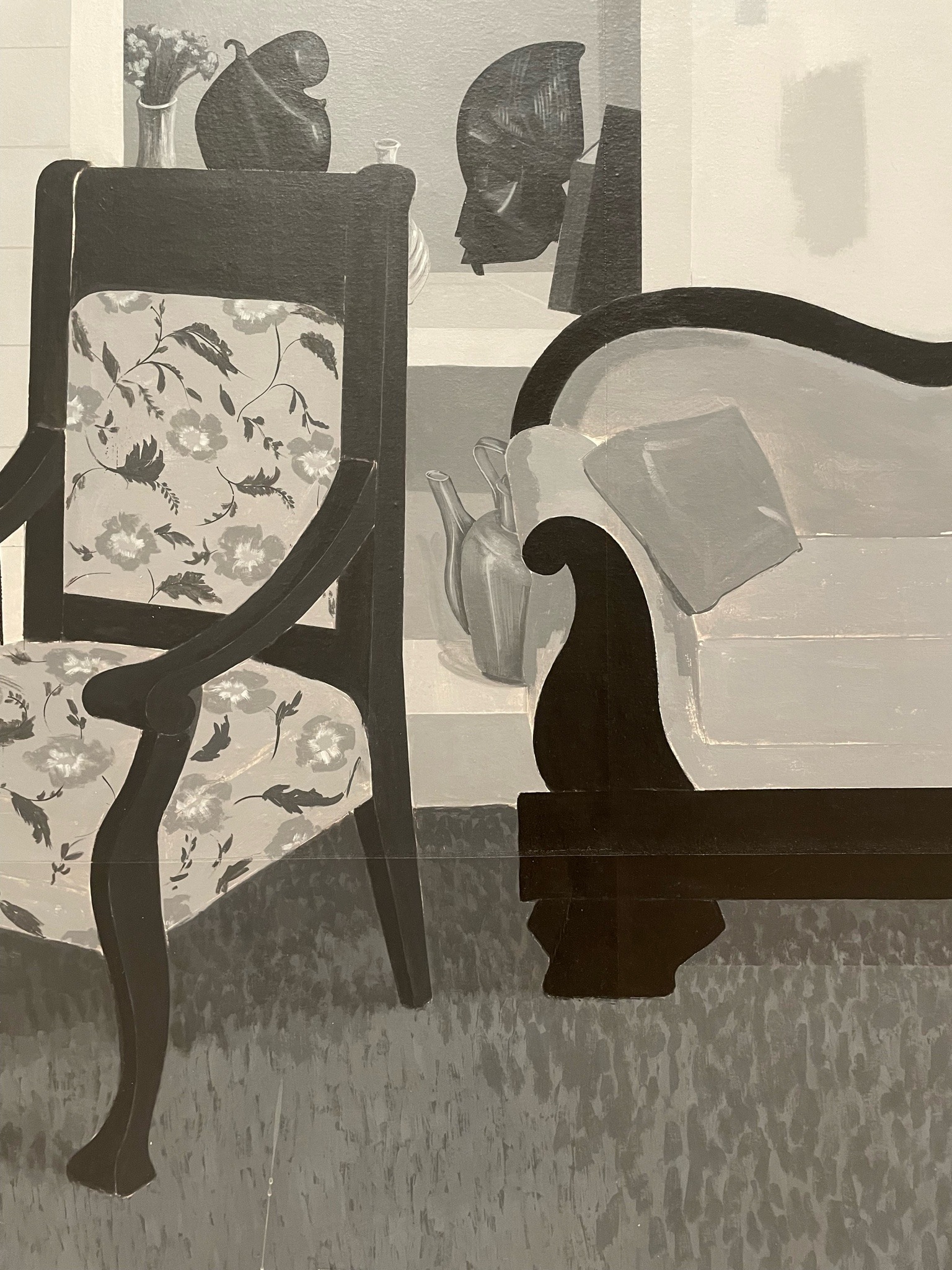
bouquet
15) I am waiting until I am tired enough to fall asleep. I am settling into the idea of this diary again, and the purpose that it can serve me. And I am thinking about what I want to inscribe in a manner that I don't think existed before. I am searching for a moment to pinpoint since the last entry, that would be helpful to probe. There's a general sequence of events but I've already inscribed those elsewhere — there doesn't seem much of a reason to inscribe them here. An alternative, short version: tonight I went to a party with my friends and we talked and played music and danced and took pictures and made a music video. It can be that simple, that short, with omission functioning in an alternative way. Not trying to be this cascade of memory, but to be a minor record of an event, that shapes a certain thing. It is the morning now, but once I sleep and wake up again I can transcribe from the Blanchot. And I can attempt to recount yesterday's dream, which surely will have faded some, and I will be recounting the recountings I told to J and I told to L. It was a dense dream. There is so much to write about.
Points
xv.



bouquet
16) One can imagine the most trivial circumstance as the starting point of a great work; nothing is compromised by that triviality: the act by which the author makes it into a crucial circumstance is enough to incorporate it into his genius and his work... Every work is an occasional work: this simply means that each work has a beginning, that it begins at a certain moment in time and that that moment in time is part of the work, since without it the work would have been only an insurmountable problem, nothing more than the impossibility of writing it.
Let us suppose that the work has been written: with it the writer is born. Before, there was no one to write it; starting from the book, an author exists and merges with his book... What is written is neither well nor badly written, neither important nor frivolous, memorable nor forgettable: it is the perfect act through which what was nothing when it was inside emerges into the monumental reality of the outside as something which is necessarily true, as a translation which is necessarily faithful, since the person it translates exists only through it and in it. One could say that this certainty is in some sense the writer's inner paradise and that automatic writing has only been one way of making this golden age real — what Hegel calls the pure joy of passing from the night of possibility into the daytime of presence...
Because the reader has no use for a work written for him, what he wants is precisely an alien work in which he can discover something unknown, a different reality, a separate mind capable of transforming him and which he can transform into himself. An author who is writing specifically for a public is not really writing: it is the public who is writing, and for this reason the public cano longer be a reader; reading only appears to exist, actually it is nothing. This is why works created to be read are meaningless: no one reads them. This is why it is dangerous to write for other people, in order to evoke the speech of others and reveal them to themselves: the fact is that other people do not want to hear their own voices; they want to hear someone else's voice, a voice that is real, profound, troubling like the truth.
Points
17) S asked me for a link to a mix that didn't exist. It was not recorded. I sent links to sounds and images to try to reconstruct the night. A dancehall remix of Take Care was marked by the xx guitar riff for her; different memories and associations in relation to place and time. Someone commented on a Chicken P fast mix I made (Rollin), so I looked at the top listeners profiles and found a song: sturdyyoungin - Freestyle pt.2 Ft Mizz, GE3Z & Bril. It samples DJ Nate's May Be Sum Day. I've been listening to both on repeat all day — different memories and associations in relation to place and time. Chicago. New York. Paris. I Wud If I Cud But I Can’t So I Ain’t
Points
18) After the album release moment L asked if I was interested in doing something at Earth. It was at a bar, maybe after 2, I was drunk and still a bit CK'd, and I suggested a play, The Old Masters, that I had talked with A about staging a table read of, which stalled out immediately after the idea came to be. No reason for it, too many things in our lives. I suggested other things too, but it had a sticking effect, and I voiced my other qualms, and then I got on the Ridgewood bus. He texted me the next morning and then we texted more. We made plans to talk about it at T's show on Friday but there wasn't really enough time, nor was it the space. So we hit E-Chiban on Sunday. They brought out the sushi boat. And it was a good talk, nothing super fixed, but the potentials for possibilities were opened up. More plans were made — to see the Anne Imhof piece at the Park Armory being the immediate one.
In the time since, I've gone back into the obsessive research mode that I can be prone to get into. I explained this to L and I'm sure he could already tell it would be like this, at least to some extent. It's the reason why I can be so encyclopedic to people, and also why the web of signifiers would make such a place as Earth fraught to me, whereas when I mentioned it to J he had never heard of it. Which is nice, because now I can enter into a headspace that mostly focuses on The Work being The Work, without getting as mired within the bounds of site, audience, reception, the Public. Writing as a means to manipulate reality — not in the sense of mediated dominoes, but the reality of myself as I write this writing, and the the reality of the room it takes place. I am attempting to be wary of hijacking, though I'm sure if it isn't the direction L wants he'll let me know. The music he sent me is really exciting. I've been living with it, thinking with it, writing with it — writing in a new sort of way, filming my computer with my phone, the sound playing off the computer speakers. Writing without typing, although there are words, words-as-images.
There are a number of elements I am thinking about. My reason for typing right now is to think through them, to think through their purpose. Perhaps the main thing I am thinking about is a plexiglass structure, similar to that of Dan Graham, and also works by Richter, Imhof, and Dean. I'm interested in what that sort of constructed architectural object would do to the space — familiarization/defamiliarization, opacity/transparency, boundaries. I'm interested in the parody aspects of it as well — I found the way Imhof puts graffiti on hers to be extremely funny. I wrote about graffiti in response to SR's email to me in the summer. He recently sent me some graffiti from Brazil. I don't think the piece I am trying to write is "about graffiti", nor do I think it is "about parody", though I am thinking heavily about parodying Imhof and Rivette, the former with a sense of serious humor, the latter with a sense of reverence.
As such with my obsessiveness I go down rabbit holes. Today's was about Helmut Lang in relation to Balenciaga, Austria (and Austro-Hungary) in relation to Germany, with Bernhard popping in, Richter popping in, a Celine show with a Dan Graham piece popping in, a fragment I wrote about L's performance and Hungary and Germany popping in. As I make the "writing" videos, I am thinking about them as both exercises and source material — works to be adapted into a script / set of instructions. Similar to Bruno Dumont writing novels to adapt into films. I have thought about how this might be a time to write a novella — I was thinking that while reading Blanchot's "Literature and the Right to Death" and making my underlines. That now I might have enough momentum, or rather than momentum occasion, to author such a work. As it could be incorporated into the thing. There is so much bubbling around, and almost all of it will get stripped away. There is too much, and not enough time. But small traces will be left from this process.
One of the other major texts I've been re-working through, that folds itself into these videos, is Washington, which deals with the problems of producing work and its reception. But it also seems pertinent because L also has a relation to Washington. Right now things are murky, but there are ideas. My means will probably settle much of them into place. As will more conversations with L about how he wants his music to function, more about what he's thinking, since I have dominated the Are.na, and seeing the Imhof. But now things have been thought through and typed through, in some capacity. Soon they'll be spoken through.
Points
19) It's strange only doing C+K. My stomach is rumbling. And there is a sort of disconnect — the stimulant pushing forward text production, the dissociative making the mechanisms feel foreign. I was sober at Earth. I was sober at the River. Line of K in the Dr. Clark bathroom w/ a little C. I saw C at Earth, gave him a bump, he offered me an opening slot at a rave. Told me he'd message me on Instagram but I'm not on instagram right now. He'll forget. In the line for the bathroom with K — she was using Instagram for safari, we talked about how I deactivate, I have to deactivate because I still have other log-ins, it's not about deleting the app, it's about the flow of information. And also being tethered. I had a phone tonight and then it died. In the Uber to C2 and M's party, everyone went to Brown except me. L living in midtown godmother apartment, must be nice no stress life. This girl A overhears my conversation with I about Contemporary Art Letterboxd — I decide not to cook after talking it over with I. I wonder how drunk she was, if she'll remember or forget. If I'm cooking that with someone from Brown it's I and A2. But in any case. Institutions. The Brown Uber. The Bards of The River. People who asked for things tonight: C, was fiending for C, T, did deduction after I talked about being Berlin Sober and doing accents with him and M2, hung out in the Dr. Clark's bathroom, threw a few off the hand, N inside the barn doors of The River before I said my au revoir, too turnt, needed some more, his night, his party, good party as far as the conditions go, and I will be running into such conditions soon as well.
I suppose what I am trying to grapple with is how little happened. Even the linear approach. Saw A3 en route to N's performance which we missed. Found out after seeing O outside walking back to her place. She said M3 was there, but I saw M4 before him, eventually they got together as well. I saw H and talked to her for a bit, I met E in person for the first time, I don't know if she knew who I was online. Talked to D. Talked to N. Talked to D2. This could go on and on. It all stayed quite surface level. People were talking while the bands were playing. The music was not the primary thing, but the ritual of watching a performance was still feigned. I'm curious for what it will be like for the play A3 is in tomorrow. I feel like the only conversation I had all night was with C3 at C2's party, about hair and hairlines, images and appearances, aging and its inevitability.
In the car I was thinking about what I'm Built Like. the ways in which one can be Built Different.
Points
20) The dominant feeling, the reason I've been getting so high, is that I feel that much of my life has been a vacancy, that where the primacy is supposed to be, there is only absence. This absence cannot and will never be filled. And thus, I preemptively empty structure the future such that it will remain as absent as the past, all the while ensuring that the absence's of the past remain both forgotten and apathetically held. The destructive character sees nothing permanent. But for this very reason he sees ways everywhere. Where others encounter walls or mountains, there, too, he sees a way. But because he sees a way everywhere, he has to clear things from it everywhere. Not always by brute force; sometimes by the most refined. Because he sees ways everywhere, he always stands at a crossroads. No moment can know what the next will bring. What exists he reduces to rubble - not for the sake of rubble, but for that of the way leading through it. The destructive character lives from the feeling not that life is worthing living, but that suicide is not worth the trouble.I put my bags inside of my bag, inside of another bag. That bag belongs in a box with a latch that I closed and placed on the top second from the top on the cart in my room. I am attempting to make a resolution. My other resolution has held steadfast.
Points
21) I return to this cascade, to the illusion of progress it provides. Perhaps it is not progress, but volume, production. I looked at my most recent collection of watercolors and ink drawings. That is what they are, drawings. I am not attempting to paint, and the scale of these works are humble. They are within a book. They are pages that one turns. This too, this cascade, will end up a book, of words and images in a series of pages to turn. And my attention turns to scale, to attempts, to essais. To things done already, and the things that must be done. Right now I am struggling in a way that I haven't struggled before. It is an honest struggle. One that will continue. Elsewhere I wrote deciding to end the war I have been having w/ Myself — words that I must make true. There are matters of being and becoming, of wrestling with the self, but this war, this series of poisons I've been inflicting upon myself must come to a close.
At dinner with J I said I wanted to leave. That I have been here too long without leaving. I also spoke of the stagnation I feel, and there is a relation: this leaving and wandering and moving to avoid stagnation, akin to the production of text for the sake of production. Leaving would mean more text, leaving would mean an increase in production. And I tether myself to this production. There are parts of this production, of this life an artist, feeling necessary, because I do not have a world otherwise. There is no other place for me but placelessness, this is no other place for this placelessness but art. Or philosophy, Novalis, the threads connect, the warp, the weft, the weeping. I turn the page, I make another gesture, another motion. I record another attempt.
Points
23)
Nightlife is a beautiful compound word. Etymology functions differently with compound words — it seems as though Melville was the first to use the word in 1852: “All the garish night-life of a vast thoroughfare, crowded and wedged by day, and even now, at this late hour, brilliant with occasional illuminations.” This was in Pierre; or The Ambiguities, a book that I do not have the time to read right now. I have been accumulating books that I do not have the time to read, or rather accumulating links for them.
The first chapter of The Landscape of Events focuses on night and light. Once it became possible for the night to be lit, time changed. With it, language changed — many compound words with 'night-' were born.
Points
25)
The thing about Secret Defense is that you actually find out “the secret” unlike the other Rivettes which move about the secret, where the secret is fundamentally unknowable. The secret in Secret Defense is not unknowable but unspeakable — no one is able to utter the secret in its entirety. Which is the cause of Sylvie’s death. The impossibility of speaking the secret is the cause of the film’s final death.
The impossibility of speaking the secret is the cause of the film’s first (on-screen) death. The final death that preceded the commencement of filming, the last death before the initial cut, is not the secret. The death is known. As is the first death before the initial cut. After the death[s], the authorities assemble the evidence in order to create a reconstruction of the events. The reconstruction leads to a judgement, a cause of death is assigned. This cause is not the secret, nor part of the secret, but the veracity of the cause is. Only truth is not a binary, but a spectrum, or rather a topological space, where true and false do not represent fixed points but rather regions whose boundaries remain indeterminate — truth values exist in relation to one another within this space but cannot be assigned definite positions or topoi; true and false mark distinctions that dance about points rather than being definable locations. J.D: There is in every poetic text, just as in every utterance, in every manifestation outside of literature, an inaccessible secret to which no proof will ever be adequate… ‘One will never be able to prove that someone has lied.’
veracity (n.) 1620s, of persons, “habitual truthfulness;” from French véracité (17c.), from Medieval Latin veracitatem (nominative veracitas) “truthfulness,” from Latin verax (genitive veracis) “truthful,” from verus “true” (from PIE root *were-o- “true, trustworthy”). By 1660s as “fact or character of being true.”
Curiously, the first death strikes Véronique, who goes by Vero, whose name comes not from verus or were-o but from the Greek, from Berenike, goddess of Victory, rendered into Latin as Berenice. And Vero, this embodiment of a misheard truth, is replaced by a double. It is the double that pulls the trigger. Sylvie dies at the hands of near-truth’s double, hands which have pulled the trigger of Paul’s gun.
One can retrace the sequence of fallen dominoes the lead to this final death, a final death that is a reversal of the first death. The movement swings back and forth, like an idealized Newton’s cradle. Science functions as a fundamental staging device, with action migrating between the laboratory and properties purchased through the wealth of Pax Industries, the weapons company Sylvie’s father ran with Walser. A final etymological concern: that Pax is latin for peace, that the first domino fell for peace. And with it, a cemetery was borne.
Points
26)
I think it's good that I'm not getting geeked up rn because I really want to get geeked up rn. Last night I started two oil paintings that I plan on working on for a long time. I struggle with this — working on the same thing for a long a time. This morning I read Romeo and Juliet on the train and felt delirious. The biting of thumbs and accusations of quarrels felt like gang signs and calls to squabble up, the sort of approximation of language where you lack a precision of meaning towards each individual part, but can intuitively understand the whole — flu flamming, coals/colliers/cholers. Like we know the truth, like language living and dying, everything feels so foreign and I don't know when I'll be able to leave. I realized I want to leave because time works differently here and I desire the illusion of manipulating time. Which is part of the desire to get geeked up — to manipulate reality, writing of the holiest purpose, et cetera and so on. The track loops. I'm like Giannis. Bitch I need Bucks.
Really it's just this same feeling of nowhereness, and a lack of belonging. It's unfortunate because drugs do solve those problems in the short term. I have so much to do. That's what I do, give myself things to do, tasks to accomplish. It's not the boulder up the hill, but something else, movement around the map, writing the map, making the map. I'm hoping that I can feel something soon. The crisis will pass and there will be another crisis. Elsewhere I wrote that soon I would feel good, but now I'm not so sure. I would like to turn everything off, if only that were possible, but it is possible.
Points
27) An old feeling — obsidian bleeding
Points
28) The interest of the diary is its insignificance. That is its inclination, its law. To write every day, under the warranty of just this day, and to remind it of itself, is a convenient way of escaping both silence and the extravagance of speech. Each day tells us something different. Each day noted down is a preserved day. Doubly advantageous operation. We live twice.
"The diary in the beginning represented for me the supreme recourse to escape total despair confronting the act of writing," and also "The curious thing in my case is how little I have the feeling of living whe my diary accumulates only its deposit."
Down there, in The Waves, roars the risk of a work in which one has to disappear. Down there, in the space of the work, everything is lost and perhaps the work too is lost. The diary is the anchor that scrapes against the bottom of the day-to-day and clings to the roughness of vanity.
Someone does nothing in his life but writes that he does nothing, and there, all of a sudden, something is done.
... finally the hope, by uniting the insignificance of life with the nonexistence of the work, to raise null life up to the beautiful surprise of art, and formless art to the unique truth of life — the interlacing of all these various motives makes the diary an undertaking of redemption: one writes to save writing, to save one's life by writing, to save one's little self (the revenges one takes on others, the nastiness one distills) or to save one's great self by giving it scope, and then one writes in order not to be lost in the poverty of the days or, like Virginia Woolf, like Delacroix, in order not to be lost in this ordeal that is art that is in the limitless demand of art.
One writes to save the days, but one entrusts one's salvation to writing, which changes the day.
The diary linked to the strange conviction that one can observe oneself and that one must know oneself. But Socrates did not write.
It is tempting for the writer to try to keep a journal of the work he is writing. Is it possible?... To question oneself on one's projects, weigh them, verify them; as they develop, to comment on them, for oneself — that does not seem difficult. Doesn't the critic who, as they say, is a second creator, have his word to say? Can't this word take the form of a ship's log, in which from day to day the fortunes and blunders of navigation can be inscribed? And yet such a book does not exist. It seems that the experience unique to the work, the vision by which it begins, "the sort of wandering" that it provokes, and the unusual relationships it establishes between the man we meet every day and who carefully keeps a journal of himself and the being we see rise up behind each great work, the relationship between the work and the act of writing it, as between Isidore Ducasse and Lautréamont, must remain incommunicable.
We see why the writer can keep the diary only of the work that he does not write. We see, too, that this diary can be written only by becoming imaginary and by immerseing itself, like the the one who writes it, in the unreality of fiction.
We also feel that these fragments constitute the anonymous, obscure traces of the book that is trying to be realized, but only insofar as they do not have a visible connection with the life from which they seem to come, nor with the work to which they form the approach.
For the edges of a secret are more secret than the secret itself.
Points
29) It's not that this is the most depressed that I've ever been so much as that it's impossible to remember past depressions, just as it's impossible to remember past highs, the precision of what it felt like is lacking in a significant way and my memories of memories seem to be forming into this muddy mass of gray. But also that I've cut myself off from the short-term escape routes, and have to wander the passageways until I find some sort of change in the geography.
Points
30) I described this to O as a game — that this is a game called reorientation, with new points from Rome and bouquets from the Orient. I am gathering the bodenlosflores from the past while writing new points and at some point there will be a convergence, upon which there will be no more new points and no more old flowers to gather but for now the bodenlosflores continue to bloom. I am producing texts, as I always am, although I am attempting to concentrate these productions through systems into more concretized forms. A play, an opera, a libretto, a music blog. Once there was an ideal of a novella. Before that was an ideal of a film.
People asked me what I did and I struggled to remember. Then it came back.
I have been trying to write but I feel an emptiness, as though my being is pure vacuity. All of this and there is still the I that I am trying to empty.
Points
31) I just won a lowball on grailed. It is a funny thing to have “won” — not explicitly, a game, and I don’t feel like a winner, I don’t feel like he’s a loser, and I don’t know if I want these pants, I forgot that I had made an offer on these pants, when did I make an offer on these pants, I deleted the emails saying my offer was accepted, just as I deleted the email saying I made the offer. But I did not delete the email where he messaged me back asking if we could meet in the middle. Only 5 minutes later he accepted my offer. The economy is bad. People need money. I need money, so why did I spent 40 dollars on a pair of used pants from Japan? I don’t even know if they’re actually from Japan or not, everything is vague. Tuesday night, I went on a non-date, which seems like the best term for such an evening, because it makes it clear that it wasn’t a date even though the activities were some date ass activities. I’m still trying to reconfigure my relationship to desire and obsession, right now I just feel this emptiness with most things and I keep proceeding forward, that notion of progress and the wreckage that is my life, my life that will come to an end. I am waiting for it to end, and I will keep waiting.
Points
32) For a moment, I was I tonight. We went to see Bonjour Tristesse and then we went to JG Melon for a burger and a beer. When we got there, the man said that the wait would be 30 minutes. When putting a name down, I said my name was I and then I spelled it out. I and I walked to a nearby deli and each bought a small bottle of sparkling water. The bottles were glass. As we checked out, I noticed that I paid a little bit less than I did. My total was $3.26, his was $3.8something, my memory tells me $3.86 — I could ask him to check his charges. We walked back and when the host called us, he called me I like my name was I. Because I said it was.
Before we met we were both at work. We both work in offices. We talked about this, working in offices, and we talked about many other things. On Tuesday O had his thesis show, and later M and I were talking. We were talking in M's room and then we were talking on their roof. A few weeks ago, before starting this job in the office, I came over for dinner. We were going to talk about starting a company; instead we talked about our lives leading up to that moment. And the future.
We walked out of the theater and I said that Bonjour Tristesse was "buns". Which was probably the best way to start the conversation. I and I had gone to see a film that I liked and I didn't like. I read the film in relation to Va savoir (2001) and the idea of the French film in the 21st century. In relation to the past, present, and future of cinema. Bonjour Tristesse was a film which was a book, written by a teenager, which was made a film by Otto Preminger, before being remade today. On the walk to JG Melon, I asked if Preminger was German or Austrian, and I recalled together that he was Austrian. It's a significant difference. I wondered where exactly Preminger lived in Los Angeles, how far it was from I's house, or rather I's parents' house. Now I wonder how many of Preminger's residences remain. The Thomas Mann House in Pacific Palisades, which is now a museum, survived the Palisades fire but remains closed due to smoke damage. While the house was not directly destroyed by the fire, the damage is still being assessed, and the building needs a deep cleaning before reopening.
I is from Los Angeles and lives in New York. I am not from Los Angeles and live in New York. I and I live two streets away on Fresh Pond Road. We talked about living in Ridgewood, living with our parents, and the specifics of living where one grows up on the train ride home. I think I was tired at this point. I was talking more. I had taken a concerta that M had gave me on Tuesday night, or rather I took it and then told him, although he had said earlier that I could have some. I took it while I was doing cocaine with O. I didn't have an ideal place to put it, so it was loose inside a silk bag with various accoutrements. If I am wearing cargo pants, this bag is usually in my front-left pocket. If I am not wearing cargo pants, this bag is usually in my back-left pocket. On the train ride home from O and M's I ran into C and L. L didn't recognize me, I had changed how I'd looked, and we've only met briefly every time we've met. At O and M's, there were many people I knew that I'd met but that I couldn't remember but I did recognize. I knew that L didn't recognize me rather than remember me because he said "nice to meet you". There is a difference.
C had a bracelet on his arm that he was trying to take off. He doesn't work in an office. He works for an art gallery. He said he was working at an art fair and that that's what the bracelet was from. The bracelet was very tight and strong. He couldn't take it off with his hands. He looked in his backpack for scissors. There were not any scissors. I wondered if he had spray paint in the backpack. When I saw him at C's birthday party, C had just been arrested. He was allegedly walking on the train tracks at night. His backpack allegedly had cans in it. But he was not caught in the act. I don't think I need to use allegedly there. We talked about this and I realized that I had something sharp to cut off his wristband. In my pouch was a razorblade, Romanian 1 Leu note, slightly crusted with blood, and a small amount of cocaine. Everything else I had left at home. N left the razor blade here when he stayed one night. It has become a sort of a signature, as has the bag. Signature bear meanings and associations. They are recognizable signs for people to observe.
I messed up the last time N stayed the night. C and G came over. J came over too. In my mind we were going to talk about music and music-related things. And then I invited N because I was at his apartment working with A on a video. So there were 6 of us, since J was there too. N brought cocaine. Everyone drank beer except J and I. But I drank kava, kratom, and thc seltzers, snorted ketamine, snorted cocaine, smoked weed, and a cigarette or two or three. They went to get more beer. The amount of empty beer cans in the morning, considering only four people were drinking, was tremendous. But before the morning, N arrived. Probably around midnight. He had been drinking with Z at a nearby bar. I don't recall if he buzzed up but I don't think he did. I made him a set of keys to make things easier. In case I'm not home, or I'm sleeping. But now he was tired and I had told him earlier that he could sleep on the couch. But now we were on the couch, drinking snorting smoking, making music, and talking. He sat in the adjacent room, charging his phone. His charger is still there. So I told him he could sleep in my bed. Only bed is not a bed, but a mattress on the floor, and my bedroom lacks a strong delineation from the living room, there is only a curtain, and not a wall. We were up until 5 or 6 reveling. Once everyone left, I wrote for another hour or two. I was meeting L in the morning and I wanted to have some semblance of progress to display to him. When we met, we didn't look at the text in detail, rather we glanced at its surface. It is read best that way. I slept on the couch and N slept on my mattress, and when he left I went back to my mattress. I slept for a few more hours and left to get coffee with L. Later that day, I sent a link to a flickr album with images I had made from that night to the group chat and realized that I hadn't invited Z or I. I had realized this early in the night and thought about sending a last minute invitation, before the list of substances induced forgetting. I felt bad and apologized. It was a miscalculation — I am now trying to determine if it was a computational error, and if computation and calculation imply the use of a quantitative system, or if miscalculations can be errors in judgement where values are not fixed by systems or numerals. I am refraining from referencing an etymological dictionary, for the sake of time. Like I, I have to be in the office tomorrow.
If you recall, earlier I was in M's room. At first it was O and I in M's room. We used a Jutta Koether book. M picked out a picture frame. At one point he tapped the blade against the glass. It made a noise. It made a sound. There is a blurring between taking and taking. But I took half of what I took on Tuesday this afternoon, even though this afternoon has both passed and is yet to be. Perhaps this is not a day in the sense of a sunrise and a sunset, or in the sense of a fixed quantity of hours, minutes, seconds, measures of time — perhaps this is simply a set, a set that I am defining through writing it, and under such definitions, such a thing as this afternoon can exist without breaking the rules. The rules of time. The rules of the game. I was having a great run writing sans references. Sans titres. A collapse into Sang titre. I was moving files tonight. After I said bye to I, after we looked at the street signs wondering how long they had been there, I said they looked new, I said I had never noticed them before. Va savoir was moving between French, Italian, and English. The English was mostly in the subtitles. But I was thinking about how close amour is to a mort. Love and Death. It is not the same in English.
August 20, 1937
The English language is an infinite sea with no shores;
French is a sea which is full of enchanting islands, but also of
perilous reefs.
The first quotation; the first interruption. Will there be another? How long will it go on? I took half of what I took from M at the office and I continued to work. After work I took the train uptown, to meet I. We were going to meet at a deli with a hotbar that J had shown me when we went to go see a Johnnie To movie at the museum. But now we were meeting at the theater. I was running late. I asked I to grab me a Clif bar and told him that we should hit JG Melon after the film. I texted me that he had "chicken nuggets potatoes some pasta" and that it was "delicious". And that he had to wander far from the vicinity of the theater in order to find a bar. And then that he'd found a bar, that I should go and find seats at the theater. I was confused, I had forgotten what kind of bars we were talking about, or rather texting about, but then I remembered. For a moment I read I's message as saying something along the lines of: I'm going to a bar to drink instead of watching this movie, because I found this bar, and it is calling me more than Bonjour Tristesse is calling me. And that this was a joke. But then language aligned. I told me where he was sitting and then I found him. He showed me two bars and I took one of them and ate it discreetly. The film hadn't started yet, but I didn't want anyone to get mad. Before I got there, I texted me about the amount of old people there. This was who I figured would get mad. I replied asking about baddies. I and I agreed that there were a fair amount of baddies. I texted baddies seated behind us and then it got dark, I and I changed the settings on our phones, the film was screened, and then we got up, changed the settings on our phones, I went to the bathroom, I waited for me, and we walked up the stairs. There were many old people. The way in which we walked was different.
I narrated the trajectory of the director. How she came to make this film, her first film. I pointed out how there were not even short films that preceded it. Her filmography begins with a feature. And I traced back how such a thing came to be. I traced it back to the British colonization of Bengal and the establishment of Calcutta, now Kolkata. This is not entirely my tracing. I've talked about it with P, who has talked about it in regards to his academic sphere, where the glut of Bengali post-colonial scholars can also be traced back to colonization. Material conditions and aspirations. Before Tuesday, I was at M and O's apartment, it was M's birthday. I made him a card. I also met P, who said it was good to meet another Indian and asked me how often I go home. I didn't get into the complications of such a word like "home" with him and told him the last time I went to India. He said it had been six years since he's been, that he's from Singapore, but his family is from Delhi and Darjeeling. I had to ask questions to get this information. But it made sense in the way I expected. I talked about this with M later.
He asked if I was bothered but I wasn't really bothered. A different P came over last Friday. She came over to braid my hair but it wasn't the right day for that. I said that I would make food and I struggled with that. She wrote that we made soup and that I was dead and that she taught me how to use a can opener. I was dead because I didn't sleep, I was busy arranging a song, attempting over and over again, to get it right, and once I had settled on an idea of what was right, I had to make a video for the song. And I had to finish it all before it would go away. So in order to not sleep I was snorting cocaine and ketamine. I did not have to work the next day because my office was taking the day off for Easter. I do not get paid time off because I am not a full-time employee with benefits, but rather an independent contractor. I was trying to explain the nuances of this situation to H on the roof with M, but we were interrupted by K. This interruption was later, before I was working and not sleeping, which lead to my death. While I was dead, P and I talked about J, how they are both half-Indian but they are different. I said something about how one chooses to engage with their race. I can't remember exactly. I was still dead. P's dad is from Calcutta. I was reminded of it before, but I didn't write it, but now I must write another reference: Her Venetian Name in Deserted Calcutta. The same sounds as India Song, with different images. On the roof I was telling M that I don't think of myself as Indian so much as Tamil, that the Indian nation-state is problematized for me, that it is a problem of language, Tamil is Dravidian while Hindi is Indo-European, Hindi is linguistically closer to English and I only know a few words of Hindi, while I can speak Tamil poorly while understanding most of it, but that when I go to the North they think that I am from the North and don't understand why I can't speak Hindi. Years ago I watched an episode of a Louis Malle documentary about India, the episode focused on Tamil Nadu and the organized protests against Hindi in the schools there. The film recorded a process that shaped who I am, a process that I was not present for. Material conditions. While walking uptown, I and I talked about Bonjour Tristesse as this sort of aspirationally French film, and its relation to dislocation. A novel, written by a French teenager, adapted into a Hollywood movie made by an Austrian Jew. The novel was translated into English, the translation censored parts of the novel. It was translated into English again in the 2010s, this time without censorship. It would make sense that Preminger's film was adapted from the censored English novel. The industry moved fast and made a lot of money then. But I don't think Durga Chew-Bose used this new English translation. She was born in Montreal. I would assume she speaks Québécois.
I did not talk about this with I while we walked uptown, I read this later, I read this now. Now it is late. I have snorted all the cocaine I said I would snort. There is another bag, but I don't want to open that bag. It is 4:10 in the morning, like a Drake song, 4:10 AM in Ridgewood, 4:10 AM on Fresh Pond Road, Fresh Pond Road Flows, 4:10 AM in Queens, 4:10 AM in New York City. This is where I live. I lives here too. J is gone right now. He's in Paris visiting his brother. Z and I suggested that he meet up with J, but she is not in Paris, she is in New York. She got here on Tuesday. When I saw her at O and M's apartment, she talked to me about how I know S, and how the world is small. I said French words with J and O, but I cannot speak French. Material conditions. It only gets later and now it feels both inevitable and right:
material(adj.)
mid-14c., "real, ordinary; earthly, drawn from the material world" (contrasted with spiritual, mental, supernatural), a term in scholastic philosophy and theology, from Old French material, materiel (14c.) and directly from Late Latin materialis (adj.) "of or belonging to matter," from Latin materia "matter, stuff, wood, timber" (see matter (n.)).
From late 14c. as "made of matter, having material existence; material, physical, substantial." From late 15c. as "important, relevant, necessary, pertaining to the matter or subject;" in the law of evidence, "of legal significance to the cause" (1580s).
condition(n.)
mid-14c., condicioun, "particular mode of being of a person or thing," also "a requisite or prerequisite, a stipulation," from Old French condicion "stipulation; state; behavior; social status" (12c., Modern French condition), from Medieval Latin conditionem (nominative conditio), properly condicio "agreement; stipulation; the external position, situation, rank, place, circumstances" of persons, "situation, condition, nature, manner" of things, from condicere "to speak with, talk together, agree upon," in Late Latin "consent, assent," from assimilated form of com "together" (see con-) + dicere "to speak" (from PIE root *deik- "to show," also "pronounce solemnly").
Classical Latin condicio was confused in Late Latin with conditio "a making," from conditus, past participle of condere "to put together." The sense evolution in Latin apparently was from "stipulation" to "situation, mode of being."
Meaning "rank or state with respect to ordered society" is from late 14c. in English. From the notion of "prerequisite" comes the sense of "a restricting or limiting circumstance" (late 14c.). Also in Middle English "personal character, disposition" (mid-14c.).
And it would be tidy and clean, but I am not quite yet ready for it to end. Unwoven, stray threads, looming in my memory. It would be clean and tidy, but it would be abrupt. Would it be properly woven? It is how I work, I was talking to I about this while we ate burgers. I got mine medium, I got his medium-rare. I got a Budweiser, I got a seasonal draft beer. I can't remember what it was. We split fries. On the menu they're called "cottage fried potatoes". I used ketchup, I talked about how he doesn't like ketchup on burgers. I had to shake the bottle vigorously for the ketchup to come out. It was heavy and glass. I was talking to I about the office, I was talking to me about the office. We were eating burgers and drinking beer after work. We talked about burgers, we talked about drinking, we talked about drugs.
I took a break from drinking about two months ago. But I have not been sober, clearly. But today, "Having a beer" became a linguistic problem. Maybe it's because it was so nice out. J and I left the office a little after noon to go get lunch. We wanted to get banh mi's from the food truck on Water Street, but there were many people waiting. This was because it was so nice out. So we went to the Japanese deli. I got a Poke bowl and an Asahi Dry Zero. It was the first non-alcoholic beer I've bought, sometimes I drink the ones J leaves in the fridge. I'm not sure if he buys them or boosts them. It doesn't particularly matter. But I had a beer with my lunch. And I had a beer with my dinner. I had been saying that I was not going to drink until the play. I have been talking about the play, because one has to talk about the play, yet talking about the play then constitutes a situation in which one must talk about the play. I switched from I to one. The play is coming together. But it is a lot of work. And different kinds of work. I have described it to a few people, and I have described L and I's coffees to a few others. I've written about it in correspondence. What a formal way to put it.
And I was talking to I about not drinking, because he didn't drink for a long time, and now he drinks but he rarely gets drunk. I was talking about being at the bar with O and M and K and J and N and J and K and J and all the repeating letters. This time there are no numbers. L and I were not drinking. L went home at a reasonable hour. I went home at a reasonable hour too, but it was after K wanted to leave, so she left without me. And I went home and I read and I wrote, I wrote what I felt was the foundation of the play, a foundation of ideas, with some text. I wrote a secret, a secret between L and I, and M who prints and binds the books for me. Another quotation, this time M. Blanchot, interrupts For the edges of a secret are more secret than the secret itself.
M was talking about the lack table. Later I was re-writing my writing: There was no grand epiphany, no incredible realization by the end. The end wasn't the end, it was simply a departure. Plans were made for the near future, both firm and loose. Handshakes were exchanged. Deliberations were conducted. The night ended at a certain point, but the task that remains is to ascertain when. Paris Belongs To Us was playing in the theater of The 400 Blows, or so said M. Lack. The name was striking. It recalled cigarettes and absences. When the room was empty, I played a song I had written earlier, about picking things up and putting them down. I sent O and M my film, from when my voice was different, from when the world was different, but the same. The world was always different, the change was always constant. I don't have hope, nor do I have the absence of it. And I recognize the role that time will play, in this future to come. It will come and things will be different, the change will be continue to be constant, I will continue to live, to die, to pick up, and put down. An exercise emerges: How long can I hold a pose? And does holding a pose change the nature of time's length? If the past was brief, then that was a matter of memory. If a recollection was brief, then that was the nature of what the two parties felt was owed. He was talking, he was talking and repeating himself outside inside common knowledge, thinking of all the games to be played. Traincars turned to dominoes. Factories on the horizon signified an exit. So much of it was gone now, the glowing sign was neither haven nor solace. Eventually: 1610s, "pertaining to events," from French éventuel, from Latin event-, stem of evenire "to come out, happen, result" (see event). Meaning "ultimately resulting" is by 1823. Perhaps that was the signal. He stumbled into an old habit, realized it was best to wait, that he could wait while taking action.
I said I couldn't be a Sunday painter. An old phrase comes back, from where? From memory: this is where I've been keeping myself.
5:00 AM in Queens. Tomorrow I will go to the office. Incorrect. In the morning I will go to the office. Remember: this point can close. And another point can open. Is it opening and closing, is that the operation at hand? Or is it something else, like emerging and submering, dissolving and solidifying, condensing, materializing. These words are not opposites, nor are they pairs. I can quote myself again, this time from prosthesis rather than memory: This question of a stopping point... Stopping does not mean writing ends. Stopping does not mean inscription ends. Stopping only means that these [points and bouquets] must stop. Must stop - because that's what feels necessary. Writing of the holiest purpose: I realized stopping must stop... There is a realization: I don't desire stopping any longer. This isn't to say that this stopping is different than that stopping, or that the desire to embark on one stopping is different from the desire to embark on another stopping, only that I don't want this coda, this ending, this musical term — that I desire the ending but not the ending. I want free fall, but I don't want impact. I want and I desire yet what if I stopped wanting and desiring, what if I embraced this finitude with open arms? Is it possible? This infinite text, another infinite conversation, a coda, an ending, a musical term, that comes after the body of the text, after the footnotes, but before the last things last, ever expanding. And yet this can't stretch out forever, it needs things, oil and minerals, extraction of the earth. I don't desire the stopping of this coda, this ending, this musical term — do I desire the stopping of this extraction?
Does it work here? Do these interruptions of stopping stop? It is not a matter of force, earlier I was talking to I about discipline. The dawn is creeping in. There was something else. It was about remembrance.
Points
33) But I stopped being I. It had to end. Because I went to the office and I didn't.
After producing such a volume of text, I had to face the question of what had been produced besides production.
Perhaps I continue linearly, of what was written after stopping:
I went to my mattress and laid down, but I couldn't fall asleep. I laid there for a few hours, swiping on my phone. Eventually the sun started to rise and I went back to the couch. I snorted more K and realized that I wouldn't fall asleep for a while. The light came in and with it a sort of delirious dreamlike state. What happens when you dilate time and days. I used to do this so often, but I hadn't done it like this in a couple of years. I ended up going to bed around 4pm. I'm trying to recall what happened in the hours before then. I tried to watch some films but I couldn't. I made some arrangements for the text to be performed. I read and I took notes. I ate some freezer waffles. I worked my job from home. I went to bed. I missed Z's screening. I didn't take out the trash. The next day I woke up and got ready to go print with M. I had everything with me but my keys when I left. I realized this immediately. So I texted N, asking if I could come to New Jersey to pick up the keys from him. I told M that I would hang out with him, but had to bail. To some extent, the drugs are fucking up my friendships. I printed with M and felt insane in the printing environment and what American academia / art school is. We went to O's show, which I read in more detail, before leaving with the books in hand to meet L for coffee. I got the espresso shaken with sugar that I had been craving and we talked for a bit before going back to his apartment. We talked more about the play and setting things into action. We listened to some music and worked through some references. Made plans. Then he went to work and I went to New Jersey. I went to N's house. It's a house and not an apartment. We talked there and then we got Japanese food and talked there. Then we went to an empty classroom and screened parts of films and talked more. Went back to his house and talked. And in the morning we talked. We attempted to make a track, during which we didn't talk much. All this to be said, I am trying to make sense of what was said.
Points
34) I will wait until the morning. And attempt to start anew. Reorientation is something of a captain's log. The act of mapping is more direct. Tonight I dock at port in order to coordinate the journey.
Points
35) Maybe the situation is that I am able to draw considerably, but that I struggle to bring a work into completion. That many of my works are the stringing together of drawings, in such a way that they bring about the illusion of completion. Or that by framing these drawings as a work I stop them, they become ossified. And then there is nowhere else for them to go.
What I see in Rivette is this chase, this paranoiac chase for someone sort of answer, some magical text, that will bring the disparate threads into a unification. Goldoni's lost play. When Colin realized that his search for the thirteen was misguided and that there were better questions that he could ask. But what are these questions. Perhaps this is what the play can be — the play is not fixed, it will evolve and continue to evolve as it is read and rehearsed. I have a starting point.
What N talked about was what gets in the way of creating the work, and what accelerates the drawings that remain drawings. Of course, I have my sort of obsession with the drawing. With the work around the work. But L and I were talking about that Berenson quote, about the life of a work of art, and how facile that sort of statement is. Rivette's life was a remarkable life yes, but the films are what are truly remarkable. And his life was a secret, that's what Bulle Ogier said in that interview, along the lines of it being inpenetrable, unknown, she only knew him through the context of his directing, through work. I rewatched parts of Gang of Four last night and was blown away yet again. N showed me a book of plays by Marivaux. When I was meeting with L I talked about rewatching certain Rivettes and the idea of rewatching these films again once I have read the plays that are being cited. A new meaning-making formulation would unlock itself.
And I texted O about the commitment. Throwing away the fryer after my soujourn. What the subtitle said: You must have destruction and doubts in order to rebuild, create, invent. Destruction and doubt, that's what I have to teach you.
Now I am in the office and the day remains.
Points
36) I got sick which brought about the larger problem of how often I get sick. Body on mattress, mind unable to do what it should, thinking back to the Carrere, Paul as a sickly man.
Time elapsed. What happened in that time? In the room, little happened, the passage of time. A cough and a wheeze — interuptions of silence. There was silence for the first time in a while.
We've begun to work on the play.
Points
37) Every few minutes the ceiling fan makes a noise that sounds like the wheels on an office chair rolling while a brake is being triggered. It is a skidding noise, a mechanical noise. It means that there is something wrong with the ceiling fan. The level of wrongness is relative. The fan is still operational. If it were to fall that would be a problem. But I think it is far enough from me to where I would not get hurt. I haven't been able to write very much lately. My mind has felt slow. This is normal when getting sick. I have a record that proves that. Normal in the sense that it happened once in the past; proof in the sense that a record of it exists from the past. I've been thinking about types of production lately, about channeling production into a certain, well, channel. And then the energy is released through a certain form.
Perhaps this lack of production isn't a bad thing — that a large volume of text is not actively being produced. There were the movies I watched when I was sick: The Fast and the Furious, The Dark Knight, Gladiatior, Gladiator 2, Inception. Popular cinema. O and I were talking about the public. Tomorrow I'll talk to him about his book. I will not have the right copy of my old book to give to him. E still has it. But I could ask for it back, and there's a chance that the morning will work. But the point of meeting isn't to give him my book, but to talk about his book. His book is a novel, my book is a book of writing. There is a difference, and one can ascribe a label onto anything, one can call an essay film an action movie, but there is still a socially inscribed set of expectations based on titles, and failure to adhere to titles can cause one's audience to have an adverse relationship with the work. The public is small, the public can be large. Nolan reaches a large public. I watched Inception in a movie theater. They used to play Godard in movie theaters, and movies in movie theaters used to be different. The movies were different but the types of movies were also different. This is true of books too. The books in stores were different, the types of books were different. The volume of books and the volume of movies were also different.
I posted a picture of birds today. Instagram inhibits my ability to produce. I am well-aware of this. I think now is a time where I can move away from Instagram though.
Points
38) I think my problem with desire isn't a lack of it but that I desire so much at once, and only part of that so much isn't enough, I would rather have nothing than have not enough. P's roommate wants to hang out and P tells me that she broke up with N, who she wasn't really dating, which explains why she wants to hang out. I'm trying to get myself to care but when I don't see anything going anywhere I really wonder why. And then I'm inclined to not. And I could be the one lacking in vision. I want to go back to India and not have to work but I would have to give up my room, and despite its lack of a final enclosing wall, it is a comfortable room. I would rather have nothing than have not enough. There is a difference between not having enough and having not enough. One is a type of possession, the other is a type of non-possession. There is an honesty in the images one makes that's inescapable.
Points
39) I think it was both good and bad that I mainlined my first love in such an intense way. Like sipping act in 2014, now I can't afford it. Or find it. I think it's funny that I use the phrase ex ex girlfriend because she is they now and I haven't talked to her in 5+ years and the illusion of anything with her existing in relation to futurity has been shattered for years, naturally. But it's the relation to the intensity of the thing, that I met someone where the idea of Being-In-Love was mutually so inundating, that we met in Croatia after epistolary romance turned into auditory romance such that the timbre of a voice could do such a thing, that we had a period of isolation to only get deeper into the delusion, and that the way it shattered shattered in the way that it had to. So it makes sense that when M said she loved me that I couldn't reciprocate, and those things aren't supposed to function in relation to reciprocation, they're just supposed to be — "supposed to be", like there's an assumption of the state of things — perhaps I'm closing in on the why and how of opening my heart once again. Perhaps it'll be gone in the morning.
Points
40) I have to write the play by Sunday. I will write the play by Sunday. Work has changed my life in significant way, but it's a thing where I can't let it stop me. Part of that means recalibrating mentally, such that my mind is freer, less spent, and taxed by this labor. Or, should push come to shove, it means recalibrating physically, practically, finding new means. On Monday, I had what felt like a breakthrough in thinking about the play. Part of this was the time, the not having to work. But still there was a rush, I was between my book, my computer, between the laundromat and the Japanese restaurant. The string from my notebook dragged through the green tea for a moment and I drank it anyways. Z said this was gross later, when I brought up the incident in response to something gross that had happened to him.
Now I can't recall where the idea the ideas I had, as far as resequencing, rewriting, expanding, and contracting came from. That day became a blur, the park and Rodeo took over, playing a day in a certain way twice over. I didn't even rap about that, but I'll have the chance soon. A sequence of events, if only because it was a day of movement, with many people. Letters and numbers. Reductive. I would've hung out with J in the morning, we would've talked about M more, and the incident from Friday. I haven't been detailing my life in such a way ——— or at least I haven't here, I emailed P about it, a sort of way of letting it exist in writing, while maintaining privacy. But I've talked about words received, as I'm sure she has, to some degree, but wonder if I should have. J left to go set up the barbeque and that's when I started — started to... to start. Started to start, started to start to write, re-write, think conceptualize. I had to laundry to have clothes for the show and I realized I was running out of time before I had to get to the park. I told myself I wouldn't take an uber because I don't have the money and I can't make the concept of the debt incurred tangible in a meaningful sense. Maybe most people can't, and that's why the derivatives market only exists and is understood by a few. In any case, I did the laundry, obtained clean tank tops, and while doing this, I took my notebook to E-Chiban, ordered the sashimi lunch with miso soup and tea, and filled pages for the first time in months, but really years. The last words left were "I've had this book for so long — because I've been putting myself elsewhere. My writing... my handwriting". Quoting J, a song we made together, on a beat he made, sampling MCR. But there has been very little handwriting, it's been websites and Tumblr posts. And emails, and actions, and withholding. I used to burn through these books, an exaggeration, but they filled up quicker, time was different. I turned on my old computer and started looking through the files. There's a music video that might be on it, but doesn't seem to be there. But there are old images. Images of journals, from years ago, reading: all I am doing is filling up different white spaces with things it's all I know how to do and the world needs me to do something more but that isn't what I want. I just want to not feel like this to not be depressed — that's probably asking for too much. what's less? being alive, [scribbled out text]. There's a certain poverty to my language at that point. As though I lacked an adolescence of reading and writing words.
this film I'm making feels like an exercise in imitation. I'm chasing marker, akerman, mekas, it feels idiotically ambitious to be doing so. and it's strange that they're dead but still have so many ties to the present world, existing in memories & artifacts. I recently read a piece lynne sachs wrote about marker after his passing in BOMB magazine — about the impact of sans soleil, that she had met him and he refused a picture. it's strange to think that I could meet her, that she still exists in the same world as me. most of the writers I read & the filmmakers I watch are dead, firmly lodged into the past, inaccessible, almost mythic. tomorrow I'll take the train to mysore which I'm sure will unlock some memories & feelings & words. I should've been writing more earlier, the words were bubbling out yet I tried to store them instead of immediately recording them and it feels like I'm grasping for something that's already gone. I had thoughts about depression, about my mother, about the shootings in el paso & ohio, about baurdrillardy and simulacra, about her & trying to stop my mind from going there but all that's there now are memories of these thoughts. eventually the memories will fade & all that I'll have are these words. I used to think I had an excellent memory, others would still say I do, but I'm unsure whether I retain the original or just constantly make copies of copies of copies, If my mind just holds a series of referants.
I've been going through old things lately, documents from before I was an Artist and a Writer in the way that I am now, texts and images and attempts in their early forms, which have now matured. I wanted to delete that quoted fragment as I typed it, but I allowed it to continue, without interruption, and once I reached the end, I thought it in relation to the words above here, and the other words of the last few years. I lost that notebook after a halloween party where I interned, I was falling asleep on the subway station after throwing up, they gave me too much free alcohol. I was embarassed that I threw up in the office toilet and left immediately, but I'm sure felt a sense of responsibility or guilt that they let me get the drunk the next day. Or no one thought anything of it. The age gap of me to the others was similar to that of me and M now, which is a friendship that I'm very happy about. Interesting to think about, but I was also missing many of the experiences that M had that I hadn't. Material conditions, circumstances, I did away with the numbers, an inelegant system to begin with, replaced by fluidity, without visible seams.
I was attempting to recall the day, or to inscribe the day. To turn the day into text-image, or image, to strip it from its being as memory, but also to gestate its formation as memory. A version of what I wrote almost 6 years ago. When I used to write with dates. I still write with dates, but they exist without visible seams, replaced by fluidity. Fragments that are unclear, will remain unclear, and exist of tenuous "value". "Value" insofar as writing is considered — I was talking about this to V at the bar, being prolific in a way that he is entirely unaware of, he wasn't encyclopedic, at least not in the way at I am and there was a high degree of relatability and mutual interests. For some reason, I feel the need to clarify that I am being critical, not critical, and to write out my good will. But this volume, its "accessibility", its "value" — in any case, I went to E-Chiban after going to the laundromat. I went to the laundromat and I started to wash my clothes then went back to the apartment, set the detergent on the table, set the laundry bag on the chair, and then went to have my lunch. I think I had olive bread for breakfast. And black coffee, and a spinach pastry. I woke up early because of the sun. I've been waking up earlier, the next things are going to the temple and going to the gym.
At the restaurant, I returned to the flow chart. I hadn't drawn one in a while, they don't come naturally on the computer, the computer formats my mind into linearities, it is not fluid, it is rigid, even if one achieves the image of fluidity it is because of a system, or a series of systems, of rigidity. On the paper, with the pen, things open up. I haven't been drawing or painting much, let alone handwriting lately. On making music. I've mostly been writing and watching and working towards the play. Which is a series of drawings or paintings. But they should be paintings with narratives, like The Adoration of the Shepherds, an adaptation of an episode from the New Testament, from the Gospel of Luke. An episode adapted over and over, an image with a relation to replication, in that time, when the replication of images was arduous, time-consuming. I've been thinking about Nolan recently, a sort of Hitchcock/Truffaut type exercise. In my mind, Nolan represents Hollywood and America, but at a specific bridge point. Someone recently told me that it's like my films aren't America. It was A, he's from New Zealand. An interesting comment to receive. It was also rare that he was a fan in such a way, such that he would quickly tell me that he likes the work, and asks why I slowed down. I didn't really slow down, production shifted. And I have been working back towards the image, as well as how to work with reality to shape and make that image. A natural and artifical process. Outdated binary maybe. Atomic soup.
The flow-chart reworked The Pig Trade to start with Algeria, with Kress & Duveen, their negotiation and a line like this: | , delineating a territory on the page, for Derrida, Glas, Cixous, Hyperdream, Benjamin's Bed. Below that, notes about Algiers, The Battle of Algiers, Oran, the outpost in Gladiator II, Algiers flowing into the Roman Empire below, flowing into Rome/Italy/Vatican, below that [Church] and Italy is separated into territories, Rome, Napoli, Florence, Sicily, Puglia, Sicily flowing to the mafia, to The Equalizer 3, to Albanians and that Berenson quote about gangsters. He would have dealt with gangsters in Italy. He had to. There is a barrier but the Albanians pass through. Notes about Algeria, Gold, Extraction, Cocaine, Global Distribution Networks. Today S. Paul recieved a package from DHL. T sending me back my field recorder. To use in making The Pig Trade. I messaged her essai logique (deux), which I only made the day after. The idea of translating a joke, repeatedly, across contexts, what connects, what doesn't, but also this repeating of a joke, until it ceases to be funny, and then until what end, what purpose does the joke serve. All of my jokes, my jokes to myself, the dopamine, but it's more than the dopamine. When I went to Il Barbiere di Siviglia, I said it like that at Triest to H, my realization was that they're working on Prometheus Bound because they're searching for an origin. etymologie. But I said that day felt important. At the picnic I talked to J for a while, and it was a very enjoyable conversation. I drank a weed soda on my way to the picnic. It was a BBQ and not a picnic. F organized it. I was very happy she organized it, because people rarely organize things like that. I wanted to have a party, it would've been tomorrow night, but then we had the incident. Still, we'll have another party within the next few months. C was talking about that era when there were so many parties, and now that era's ended, and you take it for granted while it's happening, that there will always be a party. C and M's housewarming party was one of those last parties. I got there in an uber with I and D and L and A and one other guy. It was my first time seeing L in a while, she had a new haircut, it was a really strong haircut, like a 90s Hong Kong film look. I can't recall if I ran into her at any of the Johnnie To's, but I ran into her on the street once, I talked about my Chinese movie a bit. I'd like to return to the Chinese movie after the play is done, to swing the momentum in that direction. Z said he would help, he seemed enthused. He's also pursuing theater, but in a form different than me. After his reaction to La Boheme in relation to mine, my mind drifted and then went back to seeing El Greco as a teenager, The Holy Family with Mary Magdalene, or trying to see, read, gain a sense of understanding. Maybe in a sense, to imbibe it with narrative, or at least with information.
Is it simply a matter of information? This desire to fill white space. The charts continue on the next page, smuggling of art connecting to freeports and freeport architecture, the malleability of wealth, Tenet lingering in my mind, in relation to Hito Steyerl and knowledge that things exist. A thought about Tenet and the opera, the opening scene at the opera house, the idea of the mass, and the popular in relation to entertainment, a new current flow to the Canetti that remains unread, on the page is the idea of the intermission, and the intermission in India, where there wasn't opera in relation to the cinema, and where it was a social event. Then the structure formed:
It starts at 7, and from 7 to 7:30 there is music. Then the first act goes from 7:30 until 8:30. There is a 30 minute intermission until 9. The second act is from 9 to 10. There is a note about the intermission as an Inflection Point. Then I write about the reader, the playbill. There is a term for it. Then a list: Boulez Translation, Play Synopsis by Acts, Cast & Crew Biographies. Advertisements: Galleries, Institutions, Bars / Restaurants / Etc. with Special Deals, flowing to Eeel Bar Somm Where etc. Then a list of scenes.
Scene 1: Algeria - 1920 - Frog Joke + Bargaining
Scene 2: I Tatti - 193X
Scene 3: I Tatti - 193X
Scene 4: Albania - 2020 - Frog Joke + Bargaining
Scene 5: I Tatti - 193X
FIN
FIN is in a box. Below it a line, then a note about the aforementioned retelling of a joke. Another delineation, for the idea of Worlds, their construction, their fabulation, flowing to what holds them up, flowing to their architecture, also in a box. Then a list of different paintings of The Adoration of the Shepherds. We can make paintings over and over again, but why not films. At least why not in that certain way, of attempting to retell the same story, rather than expanding the story, and Nolan returns, with his Batman, which is the iterative spectacle of our time, at least in that different voices attempt to tell it, rather than attempting to be a consistent studio product. That list then shaped the video I made. With the scene from Gang of Four overlaid with the mistranslated action, being read for the first time, most parties without context. The joke doesn't work. And then I told the story of N repeating that joke to me, with no context, and repeating the subtitled joke rather than the joke itself, but I presented went beyond that, it attempted to slightly shift Rivette's reality, such that the events of the joke were (re-)enacted. That is on the left, on the right are eight versions of The Adoration of The Shepherds. El Greco's is the first, then these dark Rembrandts, outside of this text are his replications, his name, his signature, then Caravaggio, Poussin, and then the final version, the one the narrative made important, because of its greatness, but because of the relation of greatness to the market, like an NBA player (more of a footnote than a comma moment), but the authorship blurred, Titian/Giorgione. Not an attempt or making a video or a film, but drawing out an Idea, like Straub-Huillet or Farocki, in relation to theatrical action I want to take place. To work with the presence of the human body, its voice, and its extensions, its technical devices. That flows into the idea of reading/not-reading, the public as a body, meaning what? That there's flesh, bone, structure, composition, implying an inevitability of decomposition? But where does this most recent implication come from? Can a body composed not remain? For how long is not the issue, How may be the issue, how can a body composed not remain? What is this remaining, this paralysis, this ossification.
ossify(v.)
1713, intransitive, "to harden like bone, become bone;" 1721, intransitive, "convert to bone;" a back-formation from ossification, or else modeled on French ossifier (18c.) and formed from Latin os (genitive ossis) "bone" (from PIE root *ost- "bone") + -fy. Figurative sense "become rigid and fixed" (of thought, customs, etc.) is by 1858. Related: Ossified; ossifying.
paralysis(n.)
1520s, "impairment of the normal action of the nervous system in bringing body parts or organs into action," from Latin paralysis, from Greek paralysis "paralysis, palsy," literally "loosening," from paralyein "disable, enfeeble," from para- "beside" (see para- (1)) + lyein "loosen, untie" (from PIE root *leu- "to loosen, divide, cut apart"). Figurative meaning "loss of energy, loss of the power of performing regular functions" is from 1813. Earlier form was paralysie (late 14c., see palsy). Old English equivalent was lyft adl (see left (adj.)) or crypelnes "crippleness."
I talked about ossification with S, this was when I saw him last, on the Upper East Side, we went to the Twombly Show, at my suggestion. Narrative propulsion. That was the phrase I was using to descibe what Nolan does, where concepts do not entirely need to cohere nor be understood, but only to present a surface, a reflection. The idea of a puzzle rather than a puzzle to be solved; or the image of a puzzle, or rather than a puzzle: puzzle(v.) 1590s, pusle "bewilder, confound, perplex with difficult problems or questions," possibly frequentative of pose (v.) in obsolete sense of "perplex" (compare nuzzle from nose). To puzzle (something) out "resolve or discover by long cogitation or careful investigation" is by 1781. Related: Puzzled; puzzling. The question of value, of time, or energy, its creation, its conservation, how it flows. Flow, the systems that govern it.
In the midst of this flow, I attempt to reorient myself and return not to a prior place, but a fork, a turn departed from. A turn, which could imply taking turns in a multi-player game, but it could also imply a decision, left, right, up, down. A large entry, turn:
turn(v.)
Middle English turnen, from late Old English turnian "rotate, revolve; move about an axis, center, or fixed position," also in part from Old French torner, tornier, Anglo-French turner "turn away or around; draw aside, cause to turn; change, transform; turn on a lathe" (Modern French tourner). All are from Latin tornare "to polish, round off, fashion, turn on a lathe," from tornus "lathe," from Greek tornos "lathe, tool for drawing circles" (reconstructed in Watkins to be from PIE root *tere- (1) "to rub, turn"). From late 12c. as "change position or orientation so as to face or point in a different direction," hence "change course, go in a different direction." In reference to the tide, etc., "reverse course or direction," c. 1300. Transitive senses in English are from c. 1200 as "cause to shift so as to face in a different direction;" by c. 1300 as "cause a change of course." Related: Turned; turning. Many figurative senses and expressions (turn (something) into (something else)) likely grew from the notion of "shape (something) while rotating it on a lathe or wheel, form or fashion (a piece of wood or metal) with a chisel while the object is rotated," the classical sense, attested in English by mid-14c. "Execute in round outlines," hence "form, fashion, or shape in any way" (1610s). From late 12c. as "cause to undergo transmutation from one substance to another." Hence "change in a character or property" (color, thickness, mass, etc.), c. 1300, also transitive. The sense of "become sour or tainted" is by 1570s. Also from late 12c. as "lead to" (grief, advantage, etc.), "result as a consequence of;" from c. 1200 as "come to pass, happen, occur." Also from c, 1200 as "become inverted, assume a reverse or contrary position;" also "repel" (evil, danger); "rout in battle." By c. 1300 as "shift allegiance, shift loyalties, change sides," also transitive. To turn down (v.) "reject" is recorded by 1891, American English. To turn in "go to bed" is attested from 1690s, originally nautical. Turn to "look to for help or hope, have recourse" is from late 14c. To turn the stomach "nauseate" is recorded from 1620s. To turn (something) loose "set free" is recorded from 1590s. To turn up one's nose as an expression of contempt is attested from 1779.
The next page in my notebook contained a schema of sorts. A box at the top, inside the box was Narrator. Then the numbers 1, 2, 3 and 4 in small circles. Below that a list of names. 1: BB, Kress, Gangster #1. 2: Mary, Shawl-Man. 3: Duveen, Fowles, Cyril Connolly. 4: Nicky, Mary's Daughter. Below that 10 in a circle. A line went through the 0, vertically. Gangster #2 was crossed out from the 2 list.
Below that was another schema. This time the numbers were a column on the left, marking 5 sequences of names as one moves down the page.
1) Duveen. Kress. Shawl-Man. Fowles.
2) BB. Nicky. Mary. Duveen.
3) Mary. BB. Duveen. Nicky.
4) Gangster #1. Connolly. BB. Duveen.
2) Mary. Nicky. The Swede. Mary Daughter.
Below this an arrow, a flow, to the idea that Mary is writing the Gospels in the final act. Mary's Gospels. The heretic, the unorthodox. The El Greco comes back. The next few pages have rough sketches of the set piece. Then a relation: Africa / Homelessness / Virlio / Speed, flowing to the housing start-up that houses the world, contemporary living, urban migration, and then there are no more notes. A schema of the above, combined, given form, architected, a sloppy word. Translated, I suggested it to D and then he read some of. And now he's going to Puglia.
Theater Production Schema
| Theater Production Schema |
| Scene |
Characters |
| 1) Algeria - 1920 - Logic Joke + Bargaining |
Duveen. Kress. Shawl-Man. Fowles. |
| 2) I Tatti - 193X |
BB. Nicky. Mary. Duveen. |
| 3) I Tatti - 193X |
Mary. BB. Duveen. Nicky. |
| 4) Albania - 2020 - Logic Joke + Bargaining |
Gangster #1. Connolly. BB. Duveen. |
| 5) I Tatti - 193X |
Mary. Nicky. The Swede. Mary Daughter. |
| Performance Schedule |
| 7:00 - 7:30 |
Music |
| 7:30 - 8:30 |
Act I |
| 8:30 - 9:00 |
Intermission (30 minutes) - Inflection Point |
| 9:00 - 10:00 |
Act II |
| Playbill Contents |
| Content |
Description |
| Boulez Translation |
Musical interpretation and score notes |
| Play Synopsis by Acts |
Detailed breakdown of narrative structure |
| Cast & Crew Biographies |
Artist profiles and background information |
| Advertisements |
| Galleries |
Art exhibitions and cultural institutions |
| Institutions |
Museums, theaters, and cultural centers |
| Bars / Restaurants / Etc. |
Special deals and dining experiences flowing to Eeel Bar Somm Where etc. |
| FIN |
Points
41. Things can be generated, inserted, use the information above, place it in relation to a dataset, datasets, gradient descent, hallucinations, synthetic data. That one N told me about in the car in Oakland. But the script for the play cannot be generated, that isn't the relation I want it to have to technology. Because of this idea about the performance and it's relation to the human, but also to time, that the purpose of performance is that it was a technology, just like Prometheus's flame, or what can be done with hair. Tonight C said I looked like a fine shyt from the back with my curls out. I made resolutions for actions to take in the morning. And resolutions for actions to take in the immediate.
What the machine cannot do
An outline for The Pig Trade — to be translated once again.
The first scene is in Algeria. It can be in Algiers, it could be in Oran. It could be both. But it is before they built the monument. And it is before the war, before the battle, it is while Algeria is a colony. I ask for a history of Algeria, the Roman Empire, the Arab conquest and its caliphates, the Berbers, the Ottomans, the French. The play should open with the logic joke. I erased a section above where I called it the frog joke. Changed it to the logic joke. The emphasis on the frog was my error, and then it manifested itself as such. The logic joke became the frog joke. Or rather, the joke became the frog joke, and now I am attempting to re-christen it 'the logic joke'. Because I think the logic joke is better, it takes time to get the joke, to follow it to its conclusion. In that time, you can get swept into something else. Narrative propulsion. The shawls are haggled for by Kress and Duveen watches. They are the ones telling the joke. The joke was told and the haggling was done. Are they in Algiers or Oran? In Oran is Cixous and her family house, her mother's house if I can recall, her mother who bought Benjamin's bed, and her brother who slept on it for many years, who never knew. Knew what? Too much to explain. I was returning, looking at my markings, my colors. This week there was a post of a circular rainbow, I thought on monasteries and I thought of what happened. Now time happened. I am fighting time to write, to my gain, to my detriment. When I wake up I will feel the detriment. But I have to carry on.
If I extract the remaining information from my flows, there is the connection of Algiers to the Roman Empire, of the scenes in Gladiator II, of being on the periphery, the outside of a boundary, or at close to it. The rules are different. Rules for the turns and rules for the games. If the rules for the turns are different, that implies different mathematics for the periphery, the boundary changes things. Passing through, permeability, delineation.
The Roman Empire flowed to Italy, Rome, the Vatican, the Church, the Heart of an empire, now there's Nancy's heart and the graft. There are the sections of Italy and how they came together. Have they come together yet? Narrative propulsion. Like Duveen's afterlife. In Sicily there are gangsters, a slip of the fingers renders gangers. More associations: the Mafia, The Equalizer 3, tonight Denzel's name was in the room, we talked about Flight and Sully, and with M I talked about Othello, so I thought of P and her relation to the production. Relation to the production. Repetition. A flow.
This scene is a Nolan scene. The foreign scene. Like Mumbai in Tenet, like Mombasa in Inception. It establishes a global context, that rules can change. These are, in fact, different realities. This is what foreignness does. There is an introduction of possibility, of a change to the reality, because the boundary, the periphery is collapsing inwards. Like Nancy's heart we keep living. Before I was talking about the Bourne trilogy, the ground traversed. Different rules, different realities. Today I looked at images of Oviedo and of India. We could project images of Algeria. I wanted to go to Algeria, but there were the problems of time and money. All of the problems can be eveloped by these two problems. Not enough time to learn Arabic, to dedicate myself to learning more than a few phrases but to understanding the script, as beautiful as I find it, which can lead to a fetish, such that I could fill out the Visa form. I could have used a translation app to assist me, like the Boulez process, but the larger problem of what I would do once I was there, where I would stay, what I would do, those got in the way, and I was in Morocco with nothing to do, convenient places to stay, doing things to fill the nothing. Filling up the different white spaces, adding a the, changing it, its nature, its meaning, how it reads, what is read. The question of what this inability to get to Algeria means, about will, about what one writes, honesty, my name, truth. There is no article, it just is.
Duveen and Kress are in Algeria with Fowles and the Shawl-Man. The problem is that they wouldn't and cannot talk about any of these scenes. Kress can talk about business with Duveen, Fowles can assist, the Shawl-man can sell and haggle. They have roles and rules. They are not far from the center. What happens will be predictable. There is the joke at the beginning. Then there is the action. The remaining wanderings must emerge elsewhere.
Points
42) Scene 2 is in I Tatti. The year of Scene 1 is unclear. But it must be after Benjamin dies, for his bed to be in Algeria. Or maybe he left the bed behind years prior. In Paris. The Maison de Verre and the labors of learning. Reconsiderations in the scope of the moment. Glass and extraction. Glass and the transformation of material, of matter. Diamonds today, their relation to production.
But Scene 2 is in I Tatti. BB is with Mary, Nicky, and Duveen arrives. This is the scene from The Old Masters. There is some foregrounding, some action, so that we can begin to undestand BB, Mary, Nicky and their relations. The scene starts with the logic joke. Who is telling it? Then Duveen, the negotiations, the exchanged barbs, and then the abruptness of the ending. What Berenson wrote about Hamlet, about being a real character, who can make decisions, whose speech, and whose writing, is unlimited. In the play as a whole, it is the illusion of BB as a character, of an action-Writer, who writes with his speech as he preferred to in real life. It is BB who dominate the central 3 scenes of the play with his presence, before being undone in the final act, with Mary's writing of the Gospels.
Points
43) Scene 3 can be in I Tatti as well. Perhaps Scene 2 can be split into scenes 2 and 3. Scene 1 happens between scenes 2 and 3. As far as chronology. Mary and Nicky and BB are in I Tatti and Duveen appears. An early visit is staged, they are all young, in their primes. Nicky is very young. Duveen tells the joke about logic to her. She doesn't understand. But that is Scene 2, in Scene 3 decades have passed, Duveen, like Twombly, like many others has gone to Africa, but BB sees no need to visit Africa. To an extent, as a homeless invidual (Lithuania/Boston/London/Florence), he has attempted to grow roots, to imbue I Tatti with permanence. But he can sense that he will just be one of the many homeless. And the homelessness to come would be different than the homelessness of the present. That is Scenes 2 + 3, the characters are the same but their placements change. Their voices and appearances will change. This is time, and this is place. But this is the center, or at least the closest to the center we will get. The rules are strong here.
Points
44) Scene 4 is set in Albania, in 2030. A villa outside Tirana. BB and Duveen are there with a Gangster. Cyril Connolly is also present. It feels arbitrary, having Connolly. Connolly could become Donnelly. He could become, like in Circe. The periphery blurs the rules. Albania exists in the periphery. If it is Albania today, then we simply accept that BB and Duveen are present. Narrative propulsion. They are in Albania as partners, to discuss ventures in the art market. Musuems, galleries, collections, patrons. Global migration, Virilio, homelessness, these things slot in here. The migration of Africa to Europe, the changed demographics of Italy, of France, of sub-migrations, a fictional flood to Albania. Commodities are changing in value, which changes the world. Precious materials — Gold, Lithium, Uranium, and their extraction, the transformation of their forms of extraction. Cyclonopedia type beat, but just the intro and different. My type beats stray far from the source. janetjackson.mp3 (add link later). But it starts with the joke about logic. Then a third of the GDP — black money — international activities, territory, besa, oath, generations, cultural maintenance, archipaelago theory. Berenson on Gangsters. Connolly on The Masterpiece. The transformation into Donnelly. Narrative Propulsion. How does it end? Who wins? Is it a game or is it a turn? The rules aren't being broken, they are being blurred. The words recently assigned etmologies: ossify, paralysis, turn. But not game:
game(n.) c. 1200, from Old English gamen "joy, fun; game, amusement," common Germanic (cognates: Old Frisian game "joy, glee," Old Norse gaman "game, sport; pleasure, amusement," Old Saxon gaman, Old High German gaman "sport, merriment," Danish gamen, Swedish gamman "merriment"), said to be identical with Gothic gaman "participation, communion," from Proto-Germanic *ga- collective prefix + *mann "person," giving a sense of "people together."
The -en was lost perhaps through being mistaken for a suffix. Meaning "contest for success or superiority played according to rules" is first attested c. 1200 (of athletic contests, chess, backgammon). Especially "the sport of hunting, fishing, hawking, or fowling" (c. 1300), thus "wild animals caught for sport" (c. 1300), which is the game in fair game (see under fair (adj.)), also gamey. Meaning "number of points required to win a game" is from 1830. Game plan is 1941, from U.S. football; game show first attested 1961.
Perhaps that is too much, but the process is too much, the process is produce, fill the white space, and then see what you want. Generate, edit. Like a marble sculpture, the material is extracted, from the earth, from my body, it is prepared, and then it is refined. Perhaps there is a way of sculpting that occurs simultaneously with extraction, as though extraction were freestyled, that there were technical objects that mediated this process of extraction-preparation-refinement, after which there was work, or a Work, or value. I Got Paid For A Show And Bought Some Work Yeah Cuz I'm Trapped Out. A graft, its meaning different now, a different kind of dropped, and the question of how one moves forward when things don't go as planned. When withholding fails, and a moment was squandered. Still, one can write what happens next.
The men talk. The joke is told. Deals are made. BB's facade is made visible. What type of window are we looking through?
BB's facade made visible. BB as a body. A body of work. Speech, actions, a life, but also words.
Before Scene 4 is the intermission. It serves as the inflection point, the present between the past of scenes 1/2/3, and the future of scenes 4/5. There will be drinks during the intermission. People will go outside during the intermission. It will be a Friday night, on Orchard Street, in 2025 during the intermission, and the intermission serves a purpose, like the intermission of a Bollywood film, or the intermission of an opera. It allows the production to make a change, but it also allows the audience to enter a social context. Society forms. Balzac, Flaubert, Proust. A social context, a social contract. Rules, the center, the periphery, where are we? It is a Friday night on Orchard Street in 2025. People may leave, others may join. There will be a crowd, a small crowd, there will be other crowds too. People will move, there will be a choreography to their motion. And if it restaged elsewhere, as the idea was toyed with, a park, an empty space, a nowhere, a non-location, unmapped, uncoordinated, then the intermission will occur, and the audience will be able to enter a social context, a social contract, and rules for the game and for the turn, or rules for the game or for the turn will be clear or blurred in relation of the site to the center. They remodeled the Natural History Museum and I still haven't been. Things change, Ben Stiller is on TV at the Knicks games but he's older now. I'm unsure if I'll recognize it from the movie. Which would have left the arena of entertainment for me, and straddle the border of historical document, or a type of movie, a type of media, indicative of a place, a time, and the cultural production and distribution happening at that point. Coordinates, mapping, reorientation, re-orientation, re: orientation. I repeat the name, its variants, like its the hook of a song. Hannah Montana. Hannah Montana. Hannah Montana. Hannah Montana. And even this association provides a sense of dating, a carbon indicator in the field of white, the field of white which has been stripped bare, such that there is a chronology to the points, to the bouquets, there is a linear sense of progress, but how would these points, which perhaps should be considered locales or coordinates, and these bouquets function if they moved towards the periphery, if the rules were blurred, or if a threshhold was passed, if the points moved beyond the periphery, into an undefinable space, that seems to exist in the present but upon closer examination one realizes that they cannot localize this point or bouquet, but that the rules have not been blurred or broken, but that they no longer apply. This movement leads us into the final scene.
Points
45) Scene 5 returns to I Tatti in 2050. It is Neo-Africa in Italy. Migration colliding with tradition, technology, place, history. At the moment there are four women. Is this the best approach or is it too on the nose. Idioms, etymologie, a note to reference later, a note of major or minor importance. The women are Mary and Nicky, the Swede and Mary's Daughter. Perhaps the Swede isn't there and both of Mary's daughters are there. There are two, Karin and Rachel. Karin is mentioned in The Old Masters but she never appears "in the flesh". Idioms, etymologie, a note to reference later. Wikipedia says Karin was a British psychoanalyst, so it must be Karin, she is conjured, summoned, in a time that does not follow the rules, ergo the rules are blurred, or the boundary has been passed. And there was Frank Costelloe, Karin's father, a man from before BB's time in Mary's life. He doesn't appear but he can be spoken of. As can Frank Costello, the crime boss, or Frank Costello, the character in The Departed played by Jack Nicholson, popular media, popular entertainment, and art, but now a cultural artifact, like Hitchcock or Howard Hawks. And then there are the events of The Departed, the doubling, the adaptation, Boston, BOSTON, New England, Newness, in relation to the unmodified England, and there is the analysis within, and there is the Anglosphere and the colonization of Ireland, the reason for this migration, this homelessness.
In any case, they begin, with the joke on logic. There are 5 jokes on logic in the play. They should move around, so that each actress says the joke across the first four scenes. In the fifth scene, the final scene, The Narrator tells the joke. Narrative propulsion. He mentions this propulsion in this scene as well. It is not a breaking of a fourth wall, it is not the breaking of a rule, but a blurring, a blurring of a boundary, a delineation, a structure, an architecture. See Diller, Scofidio + Renfro's Blur Building, what it caused, the creation of the Shed, the program of the Shed, T.D. opening the shed, opening the shed, just built in the backyard, like it's the Bay Area, trees, nature, hills, there's a different relation between that reality in 2025, in 2020, in 2000, in 1980, 1950, 1900, 1800. Blue jeans, to pan for gold. Blue jeans, the America that Helmut Lang saw, the name that Helmut Lang sold, America, the West, the commodity of making a name (for oneself, as they say), the commodity of reputation, in relation to the commodities of extraction. One must produce, what must one produce. Perhaps in 2050 time can be unstable, space can be unstable, points can be unstable, movement can be really fast, fast in the sense of Virilio, and this lets the Narrator speak into existence. The Narrator writes what is next, the Narrator writes what is present, the Narrator can attempt to rewrite the past. This is more difficult because of how the past is stored in the collective memory. But the present is getting difficult to store, all of the presents, scattered, their differences, the speed, the speed. So there is still the future, there is still the future, the still of existence, of permanence, and the still that is a lack of movement. Language games, language turns, language movements. Like language was an art or music, with periods to track, with an essence to map, to make explicit its changes over time. Or like language was an athlete, returning to language as a body, but that language can be measured, like I have been measuring language, converting language, storing language, that language can be rendered as data, information, to be analyzed, translated, into statistics.
There is language poetry and a bitter taste in my mouth. I take a sip of water. The sun is rising, the birds are chirping, and I must go to bed soon, such that I can sleep a couple of hours before work. Narrative propulsion. The phenomenon that occured tonight. And the definition of that, of tonight, this problem of time and place, this rule, this turn. detournement ran into the ground, no silicone, that's where my mind goes, but a slip of the keys no sol-, no sun, there's the eclipse, the Lippit, the grafting, there's proto-cinema, Lascaux, the caves, and there's proto-cinema, fireworks in China, and there's the moment of collision, of light and shadow, of proto-cinema and fireworks in China, of Prometheus and invention, and this slip of the keys was supposed to lead to an ending, perhaps the truth is the ending, that Mary wrote the Gospels, and a sequence that tries to work through what that means, but perhaps there is no sequence, there is just an ending. This is the power that I have. But this is just the outline, a detailed outline, to turn into a script, to write into a form, formalized series of instructions, rules, turns, embedded in games. A memory of improperly conjugating jugar, before I could've known, that rule was sprung upon me. I moved into a territory that was foreign to me and things were different. I broke the rule and there was a cost. It is not in one's interest to break the rules, althought he cost can be thought of as a consequence, and perhaps the negative connotation of consequence can be elided, perhaps elision is a form of blurring, the etymology of elide: (v.) 1590s, a legal term, "to annul, do away with," from French elider (16c.), from Latin elidere "strike out, force out," in grammar "suppress (a vowel)" from ex "out" (see ex-) + -lidere, combining form of laedere "to strike" (see collide). The Latin word in grammatical use translates Greek ekthlibein. The phonological sense of "slurring over a sound or part of a word" in English is attested by 1796. Related: Elided; eliding. The definition of elision: elision noun eli·sion i-ˈli-zhən Synonyms of elision 1 a : the use of a speech form that lacks a final or initial sound which a variant speech form has (such as 's instead of is in there's) b : the omission of an unstressed vowel or syllable in a verse to achieve a uniform metrical pattern 2 : the act or an instance of omitting something : omission. What I think is an error is correct, it flows to Zhejiang, a map is opened, flowing to Fujian, to Chongqing. A memory east of Los Angeles, a valley which burned only weeks after I left, which centers the experience of this I in relation to a valley, to buildings, to trees burning, like I am the one bearing witness to this fire in order to make it exist, like the sound of the tree falling in the forest, and to make an old turn, I left days after it began, I wrote this already, and about my relation to home. I want to save two hours, but the two hours keep moving. But I think that is the bare minimum that must be reserved for rest. When I was younger, "when I was younger" it was the way elision functioned in Carver, he would introduce something, but its consequences would not be obvious, one would have to think through what happened.
In this play, in The Pig Trade, what happened? What happens? There is Algeria, an Algeria of the past, where an American businessman buys shawls with his assistant and with a British art dealer. They have conversations and introduce themes. Then there is I Tatti, the I Tatti of the past, where BB, a man, a man like Hamlet, who writes the world with his speech and actions, with his wife, and with his mistress, welcomes Duveen, welcomes Duveen twice, once in a time before Algeria, once in a time after. It is BB who tells the logic joke first. In Algeria Duveen tells the joke to Kress, as entertainment, while doing business. Then when they return, Nicky says it. Why does she say it? She is entertaining, she is greeting Duveen, business is to be done, and she is a part of the process. Perhaps this isn't compelling enough, and there needs to be a stronger reason. But it ends. A debate is had, a deal is made or unmade, things are real or non-real, but they proceed. The 20th century comes to a close. The location shifts but remains Mediterranean. The Mediterranean, its importance to movement, to culture, culture and the soil, memetic etymological relation, floating, flowing, culture and empires. The Mediterranean and Twombly and the many others. The insertion of Twombly, once again, but there is something, the relation to Nolan, cryptology, cryptography, puzzles, turns, rules, games, non-games, or sets of rules without winners, without endings, that spiral into an undefined space, but can It spiral, or does that add definition, and the limits of this language present a boundary that is not permeable, where it scarcely knowable. The complications of dividing by 0, the interupption of the past in the midst of that, the way in which the past exists in the present, in a way that you haven't voiced. And also debt, possession, belonging, belongings, returning. The same words, the shifts in meaning. Réda Bensmaïa and where the words went. The public, the private. And their quotation, their resurfacing, as though it was treasure, buried, extracted, as though it were a message in a bottle, a type of message without a public, but an unknown person who will recieve the message. An unknown audience of one. Here the public is unknown until it makes itself known. Although this latest non-script, this body of text, slab of marble, this material will be reworked, refined, translated, into a Work for a public. The idea of a the, in this situation, is problematic. Very little reaches the public. Trump reaches the public, Kanye reaches the public, EBK Jaaybo does not reach the public, and this reach, the waves and noise caused by reaching the public, there are consequences, the world is transformed, reality changes yes, but those categories existed previously, before the idea of the public was solidified.
I suppose there is The Public and there is The Social, or Society. Both items, both The's are fraught now. Virilio, speed, migration, how we exist, how worlds are constructed, maintained, demolished, forgotten, restored, resurrected, or cease to be, in both matter and memory. The mechanisms changing, but some of the old mechanisms remain. There is no etymonline entry for skeuomorphism, the search engine has indexed a page related to Brown University, from when the Internet was older but it remains, it was written by Faustino Mora, who graduated in 2010 and studied Political Science Classics, who attended Boston Latin School like Berenson. Mora's project is for a class titled "Archaeologies of the Greek Past" and he is defining five terms: Nestor's Cup, Herodotus, Croesus, Charioteer of Delphi, and Skeuomorph. They don't do this at Brown anymore. They may do something similar, but it is different. Space, time, technology. Obvious. Two hours has turned into an hour and a half. A turn. A game. A dance, the same old dance, handwriting, my handwriting, and choreography: choreography(n.) "the composing or arrangement of dance," originally ballet, 1789, from French choréographie, coined from Latinized form of Greek khoreia "dance" (see chorus) + graphein "to write" (see -graphy). Related: Choreographic.
Khoreia and its relation to chorus — rate-limited by etymonline. An obvious sign to draw an ending, as the possible time continues to shrink. Skeuomorph is the term used to refer to an object, in architecture and archaeology, which retains ornamental designs, not out of functionality, but because it was part of the necessary structure in the original. The actual word is derived from the Ancient Greek skeuos which can be translated as “tool” or “vessel” and morphe is “shape.” Some of the most obvious examples of skeuomorph are the decorative stone features located on Ancient Greek temples. These include mutules, guttae, and modillions that are derived from the original functional feature of the early wooden temples. Modillions are ornamental brackets that are utilized to support the upper part of a Corinthian or Composite cornice. Classical examples are usually in the form of scrolls with acanthus leaves. The images that accompany the text are ruddy, clear enough but ordinary. They exist in a certain class of images. I cannot speak about Khora now. I must attempt to speak the ending. Or perhaps it ended above, but the text kept going. The body, the slab, the filling of this white space necessitates the creation of more white space. I was searching — a direction, a co-ordinate, a point, before recalling the cross-section
Points
46) I am sitting at my desk, waiting for the sun to rise. The birds are singing. Only then will I go to bed. It's like the past. It's like those rooms and the blur of hours and the attempt of achieving a thing, it is also like Chicago, the nights spent living with Rivette, living in Rivette (pause), the delirium of time being stretched like this, but it isn't delirium, I feel cogent, albeit spaced out (albeit(conj.) late 14c., a contraction of al be it "al(though) it be (that);" see all be it. Chaucer also uses a past-tense form, al were it.), the night ended across the street at L's, his name sounded out loud slurred, shortened, a contraction of sorts — contraction(n.) early 15c., contraccioun, "action of making a contract" (especially of marriage), a sense now obsolete; also "action of reducing, abridging, or shortening," from Old French contraction (13c.) or directly from Latin contractionem (nominative contractio) "a drawing together, an abridging, shortening, a shortening in pronunciation," noun of action from past-participle stem of contrahere "to draw several objects together; draw in, shorten, lessen, abridge," metaphorically "make a bargain, make an agreement," from assimilated form of com "with, together" (see con-) + trahere "to draw" (see tract (n.1)). Related: Contractional. Grafting etymologies to the point of the rate-limit:
graft(n.1) "shoot inserted into another plant," late 15c. alteration of Middle English graff (late 14c.), from Old French graife "grafting knife, carving tool; stylus, pen," from Latin graphium "stylus," from Greek grapheion "stylus," from graphein "to write" (see -graphy). So called probably on resemblance of a stylus to the pencil-shaped shoots used in grafting. The terminal -t in the English word is not explained. Surgical sense is from 1871.
etymology(n.) late 14c., ethimolegia "facts of the origin and development of a word," from Old French etimologie, ethimologie (14c., Modern French étymologie), from Latin etymologia, from Greek etymologia "analysis of a word to find its true origin," properly "study of the true sense (of a word)," with -logia "study of, a speaking of" (see -logy) + etymon "true sense, original meaning," neuter of etymos "true, real, actual," related to eteos "true," which perhaps is cognate with Sanskrit satyah, Gothic sunjis, Old English soð "true," from a PIE *set- "be stable." Latinized by Cicero as veriloquium.
In classical times, with reference to meanings; later, to histories. Classical etymologists, Christian and pagan, based their explanations on allegory and guesswork, lacking historical records as well as the scientific method to analyze them, and the discipline fell into disrepute that lasted a millennium. Flaubert ["Dictionary of Received Ideas"] wrote that the general view was that etymology was "the easiest thing in the world with the help of Latin and a little ingenuity."
As a modern branch of linguistic science treating of the origin and evolution of words, from 1640s. As "an account of the particular history of a word" from mid-15c.
As practised by Socrates in the Cratylus, etymology involves a claim about the underlying semantic content of the name, what it really means or indicates. This content is taken to have been put there by the ancient namegivers: giving an etymology is thus a matter of unwrapping or decoding a name to find the message the namegivers have placed inside. [Rachel Barney, "Socrates Agonistes: The Case of the Cratylus Etymologies," in "Oxford Studies in Ancient Philosophy," vol. xvi, 1998]
By late-14c. a sense had developed of "conjugation and categorization of words," apparently from a misunderstanding of etymology as dealing in tenses, and it is listed with prosody, orthography and syntax as an element of grammar:
...for the beginners of any language whatsoever, [etymologie] is so necessarie, that without it, they could not understand or learne it: The which by the Latin Grammarians hath beene, and is called Declension and Coniugation. [John Minsheu, "A Spanish Grammar," 1599.]
OED considers this sense to be "now historical." Related: Etymological; etymologically.
rate(n.) early 15c., "estimated value or worth, proportional estimation according to some standard; monetary amount; a proportional part," from Old French rate "price, value" and directly from Medieval Latin rata (pars) "fixed (amount)," from Latin rata "fixed, settled," fem. past participle of reri "to reckon, think" (from PIE root *re- "to reason, count"). Meaning "degree of speed" (properly ratio between distance and time) is attested from 1650s. Currency exchange sense of "basis of equivalence upon which one currency is exchanged for another" is recorded by 1727. Meaning "fixed public tax assessed on property for some local purpose" is by 1712.
limit(n.) c. 1400, "boundary, frontier," from Old French limite "a boundary," from Latin limitem (nominative limes) "a boundary, limit, border, embankment between fields," which is probably related to limen "threshold," and possibly from the base of limus "transverse, oblique," which is of uncertain origin. Originally of territory; general sense from early 15c. Colloquial sense of "the very extreme, the greatest degree imaginable" is from 1904.
Of course, what does such an accumulation mean, or imply? One loaded question, what purpose does it serve, follows another. There is an act of loading; an image of a gun appears, appears in relation to crates, ships, forklifts, and game consoles. A console for a game. There are two consoles, a noun and a verb:
console(v.) "alleviate the grief or mental distress of," 1690s, from French consoler "to comfort, console," from Latin consolari "offer solace, encourage, comfort, cheer," from assimilated form of com-, here perhaps an intensive prefix (see com-), + solari "to comfort" (see solace (n.)). Or perhaps a back-formation from consolation. The Latin word is glossed in Old English by frefran. Related: Consoled; consoling.
console(n.) 1706, "a cabinet; an ornamental base structure," from French console "a bracket" (16c.), which is of uncertain origin, possibly from consolateur, literally "one who consoles" (see console (v.)), being used somehow for carved human figures supporting cornices, shelves or rails in choir stalls. Another guess connects it to Latin consolidare "to make solid" (see consolidate).
So we have all of these definitions. The rules of language are not established, but the meanings of specific pieces of language are traced, displayed. But is it established? We can return to the same source. establish(v.) late 14c., from Old French establiss-, present participle stem of establir "cause to stand still, establish, stipulate, set up, erect, build" (12c., Modern French établir), from Latin stabilire "make stable," from stabilis "stable" (see stable (adj.)). For the unetymological e-, see e-. Related: Established; establishing. An established church or religion is one sanctioned by the state. What is this source? What lead us here? The inconsistency of italics. For the sake of time. Typing, because of the relation to the machine, to inscribing, but to time as well, to production, and its limits. Or boundaries, frontiers, like the West, the Unknown, what was at one point across an ocean, or what the Heavens possessed, at another point. The sun was too bright I had to turn my back. I am sitting at my desk, my back is to my desk. This apparatus rests in my lap, or its physical components do. A problem with that last sentence. That I don't like it. Is it a bad sentence? Is it missing something? Or does it name incorrectly, which would mean that rules will be established, or perhaps have already been established, regarding the correct way to name. We talked about problems before. And accidents. This we. That oui.
I wrote through the night and was confronted with the value and the purpose of what I had written once the night ended. The blurring of rules in accordance to one's place within the territory. A mathematical formulation. The past echoes. Will this present echo? The appearance of my name in etymology's etymology. Because of the need for truth in relation to the idea of origin. The truth of eteos, thought to be a cognate of satya. Names and what they carry. What they bring. How they shape reality. And a name that is both truth and reality.
An account. A recount. There could be an -ing. What would that bring?
Points
47) The question of stopping, he continued. The blur was present but not dominant. The days were days, the night were nights. He passed through. And it could continue like this. But why should it? It serves as an exercise, but not exactly an exercise towards the task at hand. I can recollect, I can recount, I can re-, a prefix meaning "again" or "again and again", there is also remember, this process of repeating memories, of blurring, in the space of recollection, a place where copies are generated, forgotten, and generated again. Like a game of telephone.
Who wins in the game of telephone? Nobody, or everybody. The objective is not to accrue victory or defeat, but to achieve fidelity, for the message to retain its original value, to not be corrupted by transmission. I can feel the stopping approaching, and there is only so much I can do delay it. The question isn't that of stopping but of timing, whether to attempt this inscription, this recollection, this remembrance at this moment. But what other moment. The 48th hour draws near. Yet it remains far from delirium, far from the dream-state, it is anchored, it began, and it will end.
Yesterday I was late for work. Significantly, close to two hours. If it was noticed, it wasn't mentioned. The previous night I drank a shot of kava+kratom, which they sell at the grocery store, right by the cashier. I wanted it in a seltzer, but there were not any on display. I also bought a THC/CBD seltzer. I can't recall the flavor. The shot was "blue razz". It tasted disgusting. I drank them when I got home. This was after getting a drink with V. Two drinks actually, a beer and a cocktail with mezcal. I left the apartment, leaving an attempt to write, specifically to write the play, because I was tired. Work and thinking about work had rendered me exhausted. There were not thoughts to go towards the play. There was no flow, no motion. So I decided to stop.
But no, this wasn't stopping, this was a pause. It changed time. In the morning I was late and I had work to do. I took half a pill from J's bottle. The bottle was so worn down that its text was illegible. But I figured that this was the right bottle. I felt bad but he told me that I could take one if I needed it, but not to take too many because he needs them. I went to work and I worked. I would have also not worked. And then I could leave, I went home, heated up two Eggo Belgian freezer waffles and two Beyond breakfast sausages. I ate them and then headed to N's birthday party. I did not have a gift or a card. He has my card from last year up in his room, I made a drawing en route to the party. I did this for M too, his card contained a code, it was when I felt like Colin, and I was reading Diderot while walking, because of the bounty, because of time and money. But he lost the card and I can't recall what exactly was encoded, but I can recall that there wasn't a fixed secret message, or anything of the sort, just a series of illusions, codes and links, one thing leading to the next, narrative propulsion via a puzzle.
On the way to N's party I bought a six pack of Peroni, a THC/CBD seltzer, and a cherry cola Celsius. I was planning ahead. M said he would probably be at the party. But he wasn't. I hung out for a couple of hours and then at point knew that I needed to work. I and I took an uber to M's place, I went up, I came down, and then we walked the rest of the way, talking. I didn't take an uber to N's place because I knew I would want to take an uber later. When I went up, M asked me if I was going back to the party and I said no, that I was going home to work. And then once I got home, it began. The writing.
The writing occurred in such a way that it took control of me. The first two fragments were copy and pasted from Tumblr. The second of these two was a reblog of the first, reflecting on the writing. I posted it publically and shortly changed it to a private post. And then felt the need for a migration. And then the following point was about the play. Speed and momentum were achieved. Words were inscribed upon the white space. And it continued. There was the idea of stopping but it couldn't be actualized. The night ended, morning came, and then it was time for work. And I couldn't miss work, not today. I went back to J's room and opened his pill bottle, taking another pill, but breaking it in half. I did this because there was only one half a pill in the bottle. I still need to tell him that I took them. I wonder when I will. I ate the last two waffles and then went to work. I was only slightly late. I worked and I didn't work. Then we drank in the office, like usual but it was different, we drank because it was N's last day. I made negronis. J and M and I stayed late, past 8. I had given my opera tickets to M, she took her brother, it was her first time. I didn't think it'd be worth attending without sleep. A leisure activity. I would have had to leave at 6 if I went. After J and I went to TJ Byrnes for a burger and a beer. Then we walked to the train, ran into C en route, but there was no train, it was too late, I got a car, I was moving with flow, decisively, I was inscribing.
The car took us to Willows, I got cash out of the machine, and then I saw M and C and K, they were going to L's, so J and I also went to L's. There were others at L's. We talked and sang and played guitar. J left around 3. At a certain point it was just me and C and L and M and I took out my laptop, ostensibly for Ableton, but then I just played beats, I tried to explain the wining in the party remake, and I brought up Classic Selena and the websites, C was reading, the others were just looking, but I talked to M about producing work and its difficulties. He is only a reader right now, but he's a good reader. He reads a lot. And he's been reading for a long time. We talked about this practice, other things, eventually the birds started chirping. L and M smoked a cigarette by the window. I left with M. On the street he asked me what I was going to do, and I admitted that I should to bed, but that I would probably go back and write for a bit before that. Now the stopping approaches. But it is not a stopping, but another pause. I talked about when this will stop, the convergence point between the writing machines. Like weaving. Or a braid. The play remains, the gain remains. The world is quiet, beautiful, still, here, now, pause.
Points
48) Questions, questions of utility and value, questions of the public and the private, questions that I remembered, questions that I forgot about again
Points
49) Questions remain. I work through them. The question time. I am supposed to be at work in an hour, meaning I need to write an email soon, saying that I won't be. The honest way of beginning, what I am thinking about, work and money, the present and the future. At this moment, I am unconcerned with the past, with my past. Things happened as they happened.
I did not finish the play, I finished writing a version of the script for the play. Writing a play is different than writing a script. Writing a play happens in a room with people, a space with a public, it occurs in space and in time. Writing a script — I have written a script. I think back to meeting Marcello, he called it "an incomplete opera", but it is the first one I have written to completion in many years. I am grappling with this feeling, this feeling of having finished, for now at least. There will be more work soon. Finishing something that you then have to start. And under varying qualificiations I have and haven't started.
But it is the thing of finishing a thing like this, it is different than a drawing or a sketch to be manipulated, it feels like a different type of work entirely. Yet it also is a provisional document. But it marks a very definite point of completion, completion being a thing I have struggled with. Essai in relation to completion.
Points
51) I could return to the same habit. At a point this habit will end. Material conditions. How that takes shape remains unknown. There are methods to ground this point: place, time, state. There are other points, inscribed, uninscribed, that exist in relation. The sun rose. Which necessitates a different kind of writing.
Letters. In the morning, or after I sleep, I'll talk with O about them. About codes. Secrets. Nested knowledge and labyrinths. I was explaining my plan of progession to C and K and M. An old song comes on, it reminds of a previous iteration of this moment. It wasn't as good then. Tweaked. But it prompts a ritual, a memory. In the car we were talking about short stories, about Joyce, about Carver, about his grave, about Washington, about Alaska. Talking about, versus talking of. Conjunction etymology. The rate limit. The fragment. At what point does an overabundance of words collapse the fragment into something else? Is that something else something more? I emailed M, of Whoever Anywhere Will Read These Written Words. But people do read them, some do. Some follow the mechanism away from writing, away from the test, towards the image of text. Press release for The Perfect Judge, My Next Magnum Opus, the origin of 'tongue in cheek'. Did I bite my tongue, Did I bite my thumb, Did I say too much, but of course what will be remembered. I am writing to remember. I am writing to remember the prosthetics that are inscribed. Like the images of the sunrise, romantic, joyous, melancholy. Time will past, things will change. Time passed, things have changed. You can see the sun rising. It rose over the forest, then it continued, rising, brighter, the colors changed, the fog faded.
That old question of good sentences. Going backwards to go forward. Recollection gained, remembrance gained, time regained, the shifting of the re-, it has an origin, its origin is the origin: word-forming element meaning "back, back from, back to the original place;" also "again, anew, once more," also conveying the notion of "undoing" or "backward," etc. (see sense evolution below), c. 1200, from Old French re- and directly from Latin re- an inseparable prefix meaning "again; back; anew, against." But that is the procedure. That seems to be the way forward. Perhaps down is more apt than forward. It depends on the prioritization of space and time. What would have happened had we not decided to watch the sunrise together? I was the one who suggested we call it before that, I would have still seen it, but instead it was something that we did together. The nature of it changes. The place was different. And the time?
Feedback loop addiction. That old question of stopping. The questions of production, of volume, of value, of shaping and forming — newer ones. The idea of malleability and transformation, and the means to enact them. But I went backwards and found variations of the same old dance, some centralized forms and ideas — and what of them? Writing of the holiest purpose: to transform reality. I couldn't remember it verbatim, just the idea. I had to refer to a prosthetic. An old idea, but then the question of oldness and newness, of 'always has been'. Questions: I tried this earlier, J said his out loud, we recorded them, maybe he had them written already. Earlier, it was earlier, rocking, rocking, rerocking, re-rocking. Here I would like it to mean something different, something about, perhaps something of this slippage, between the click-clicks of the present and its inscriptions of the past. This idea of taking care of my heart. that idea of body, mind, soul, spirit. And of what I want to be, in order to make this other thing Be.
What I am attempting now is location. To find the proper point to rock from, and then to find the proper direction to rock towards. Location and navigation. The captain's log, Moby Dick, Bartleby, all that remains unread, and America of course. Queequeg and the knowledge of a reference, but not the thing in itself. The emergence of an impossibility. Recursion, the text swallows itself, that old question of good sentences. We finished rehearsal, that's a place. I noted corrections to make, thoughts about the text in its current state. The matter of time. Later, at the show, we were in the bathroom and I returned to it, masturbation and fucking, because of the duration, the shape of it, and what was presented. What was presented to the public.
I used the code to go up. O and O were in O's room. We talked. M came home. L joined us. A joined us. M could not make it. O took her place. I thought it worked well, I was happy with the placement. O reads well, he could be an understudy, in the case of emergency. He would be well-suited to that, I think. We read on the roof, we saw pigeons, we went back down, we continued reading, it didn't grow hotter, but the longer we were there, the hotter it felt. But maybe it did grow hotter, our bodies bringing heat with us. We drank beer. I made a shandy of sorts. We finished the first act and then we talked. I didn't like the disappearance in the third act of L and O. I could attempt to weave it differently, later. To stray further from what I found.
We went to the theater and there were people there. There were so many people there. The idea of that sequence of letters is overwhelming. 'Drawing a blank' — a prepatory sketch. I took videos. I liked the beginning and the ending, but I could have done without the middle. Most things can be cut down and shortened. That was what I walked away with. We went to the bar then we got in the car. Earlier I made a detour and the door opened in an unfamiliar way.
Drawing a blank, something worth trying, with intension. Exhaustion awaits, there will be more. The final search, the final search of this moment, of the word for this, not expulsion, nor excrement. Something like a meditation. A fragment yes, but an attempt, that's it. An essai, a circle. I could return to the same habit. At a point this habit will end. If I think of it as a shape, as a geometry — this it being the habit, but also the thing-in-itself. Is the habit the thing-in-itself, feedback loop addiction, the re-? The re- loops into itself; Satya loops into etymology. Re-orientation, re: orientation of what — a point that closes at the origin.
And then there are new questions: of enclosing the origin, of enclosing at the origin, of disclosing the origin, of disclosing at the origin. That old question of stopping. The question of the interruption, which wasn't mine, but became mine once I rewrote it. The return of the re- — drifting into miming the origin of literature; places change. Mallarmé: "This mad game of writing"
And then the collapse, and the questions to follow. Rocking, rerocking, rocking, re-rocking
Points
52) The question of progress, the question of purpose, the question of accomplishment. Internal/external. Chemical functions: whether natural or artifical, it is running its course. The question of what is to be done. This body of writing and its work, its scars, its sounds. This idea of catharsis via expulsion. Last weekend, this weekend, the frames of time; blood leaves my body, there is always work to be done. The paper tears but it still serves its purpose, allowing an attempt to quell what must be allowed to dissipate with time.
Points
53) It does serve a purpose, to write through the problems. Despite the problems, there seems to be promise. I attempt to locate a starting point and realize that gradually I have been dissolving this I.
Eventually euphoria becomes an impossibility.
The foreclosure of (the possibility of) euphoria.
A diagnosis: for a sickness of the heart.
Again the heart, again the Heart — immediately it begins where it came from
Points
54) My heart is pounding in my chest. The sun is rising but I cannot see it. There are clouds. Eventually my heart will pound less and less. I remember a memory. I remember a chain.
Points
55) I write through the problems. Some cease, some fragment, some proliferate. You become accustomed to a certain process, before realizing that the process needs to change. Yet there is still the graft: to place a cascade within a cascade. It isn't a matter of weaving with hand, but weaving with mind, of creating the memory of haven woven, such that this memory serves a purpose and a place, a node of location, in the path of writing, a referent for future-writing. In this case: this morning it seems to me I am seeing a word, "cascade," for the first time, as happens to me so often, and each time it's the birth of a love affair, the origin of the earth, without counting the fact that the 52+7 and a few times that I have thought I was, like a cascade, falling in love, I began to love each word again, so many words like clean proper names, but the word cascade, you see, itself, I do not see, it falls under my eyes, have you ever seen a word, what's called seen, however long you turn around it, and how to bring off a confession, how to look at yourself right in the eyes and show your face if a word is never seen face on, not even the word milah, for "word."
Points
56) A series of abbreviations:
After work I met O at the wine bar. I think we each had three glasses of wine of various kinds. A dry white, a beaujolais, something similar to a Bulgarian red. And raw tuna wrapped in seaweed, with spicy aoili and jicama and sesame. And toasted bread with chicken liver mousse and a gooseberry jam. Things I can and cannot afford. Spent money so that C would not enter the picture, yet it did. But money did not leave my pocket, which created a limit. Before the wine bar O was with C, when C rode off on his moped, he said I looked like a playwright. O said that this was because of the context and because of my hair. Towards the end of our time at the wine bar, M rode up on his bike. He locked his bike. We went upstairs and drank beer with O. I talked, we all talked, I gave O a big hug because of things that O had told me, and then we went to a different bar. But we didn't go inside, we went to the bar next door. At the bar next door we had to buy drinks. Before that, M bought from M. In the bar next door I had some. Before we left I had a different abbreviation. In the bar next door I ordered a wasabi margarita. It was not good. I wanted it to be like the bloody mary at the Ukranian restaurant, spicy, with horseradish. Other people had sips. S was at our table. E was our server. We left and M and I walked down alongside the park and took more abbreviations. Then we went back to the bar. Outside the bar were many people. We went inside the bar. S was DJing. G was there. J was there. F was there. S was there. E was there. N was there. E was there. Many people were there. I discussed the situation and listened to music. I took pictures with my computer. At a certain point we went outside. Then we went to another bar, but that bar was closed. So I went to O and O and M's apartment. N and T came with us. We bought beer en route. I invited people there, specifically to their roof, and wondered if I was overstepping in that process. But it was also the best course. And it was raining. But only ever so slightly. It was misting.
It is no longer misting. I am coming down and I can't get back. It will be gradual, no sudden shock. Eventually I will fall asleep. Still, Future echoes in my head I'm tryna get high as I can I'm tryna get high as I can I'm tryna get high as I can can. We were at the apartment and S and G and E and S came up. We listened to music and then we went to the roof and then we went back down. Then we went to another bar. They wouldn't let us into the other bar. It was too late. I saw A and L and A and E outside the bar. People were getting in cars. We walked to a different place but they had a limit. N and I walked to the train. We took the train to his place and listened to music and talked. It felt like the most distance that we'd covered together in a night. The sun rose and I took a car home.
The production of the text bears a relation to the abbreviations. I talked about this, and overcoming it. After I sleep I'll have messages to send and tasks to perform. I have messages to send and tasks to perform right now, but I am waiting, waiting until after I sleep and wake up. N watched a video I made at work today and then we talked about masturbation and fucking. It was a good check. After I sleep and wake up I need to see M. I told him I'd talk to him about fucking and masturbation. I talked to T about it on Tuesday. I talked to N about it this morning. I close my eyes, asking the question of what is next. There are many things to work through. Traveling. This matter of the coincidence. Or rather of recurrence. And naturally of purpose. And I accept the stopping, the impending cessation.
Points
57) The Pig Trade happened. It is not over, but the performance happened. In the time leading up to it I stopped writing here, I was too busy writing elsewhere, writing texts, writing emails, writing actions. In the time after it, I haven't been here, there's been an unwinding process. There was a dying process. Things are different now, in ways that I am still trying to reconcile.
Points
58) Perhaps the pause that I think now has concluded has to do with the destination of this writing — reorientation, re: orientation, but where am I headed? Now it has started to crystallize — the next works: Polly Wood, Skulls, and then the itinerary works, the commissions floating, emerging in the midst of that: the lecture/performance to come, the show with J in LA, the trader story for T's magazine. All working in relation with one another, developing ideas that overlap, function in relation to the other, thematic dance, et cetera
Last night after work I met J2 and M at J2's place of work. His employer prefers discretion. I drank a Stella while J2 finished working and then we went to a bar. The bar was called Automatic Slim's. I got a catfish po' boy and a round of beer. We would each get a round of beer. And some fries. We talked and now the conversations are hazy because of all the beer. Because after we finished there, we met O at Art Bar, where we got more beers. I think I drank 8 beers in total. The bartender at Automatic Slim's offered us a free shot but we declined. It was the right decision.
At Automatic Slim's J2 was telling M he should be writing what happens. That it's nice when there's writing about what happens. I am returning to typing. Or rather typing in a consolidated place, rather than scattered texts. I had been writing what happened a little bit, with a waterbrush on paper. There was one writing about my walk with O, how people have painted their friends, their social worlds, and what happens for a long time. That these aren't new things to paint. M saw that one when he came over for hookah after a music show. But I don't think O has seen it yet.
At Automatic Slim's I was telling M about how fun it is to write about what happens because you enter the problem of what to include and what to ellide and what to erase. The alcohol performs some of that too, which perhaps is a motivation for sobriety — more control over the writing, the writing of what happens, the writing of one's actions, in relation to the randomness that substance abuse provides. I drank too much to take the train home so I called a taxi. O rode the taxi until it was close to his apartment. He told me I seem to be doing much better since I've stopped doing drugs. I told him that I agreed.
At the booth next to us at Art Bar was a sort of base group of girls. At one point one of them was leaned over their booth to take photos of the people in the adjacent booth with a digital camera with flash. Another other girl in the group was grabbing her ass. We made eye contact before and after. They were also drinking jello liquor through syringes. I used the word base at the bar, when I was talking about it with O and M. Or maybe it was in the cab with O. I talked about my relationship problems, or the lack thereof in general. The problem of the lack of problems, the problem of lack. But also the problem of what I want and what I need.
Problems and solutions, incomplete sets. No more recreational volleying of the ball about, but movement with a specific direction. Leaving fantasy football to get into global football. New canons, new bodies of knowledge, Magellan at home, where was Magellan's home. John Cabot was born Giovanni Caboto, I thought of him recently. Elliding, erasing. An officer and a spy and the converation that followed. A meta-text in relation to the maker, the inability to separate the art from the artist, the matters of masturbation, fucking, and rape. Real and metaphorical. We talked about talking, we talked about what we talked about. How the talking made my legs hurt, trying to write with my body, trying to write my body more specifically, with direction and purpose. Writing about writing, at the end. That is what it is.
Points
59) I went to The Frick today. I thought about the lecture and the performance, about reading, how we read, in the present, and in the past. I did not think of a future of reading. The idea of a Flusser riff: Does Reading Have A Future?
Points
60) The writing machine — how to jumpstart it when one needs it, how to continue the cascade
It is not that the writing has ceased, but that this machine has slowed down. Instead there are actions, speech-actions, sounds, images, things elsewhere, outside of this container. Perhaps that is the point: the container and what cannot be contained.
Does Reading Have a Future? What a pompous title — how to answer it without speaking of the refusal. Questions of form and substance — substance as opposed to content.
A video, a mix, a speech. That is a potential sequence. On the train home after soccer, I read Jakob von Gunten. The precision of each translated sentence, the rhythm, and the meaning, the feeling, the feeling of the meaning, the meaning of the feeling conveyed. I am thinking about my delivery. When I told O about the lecture she asked what I was going to wear.
Points
61) I've decided that I need to write the lecture, to refine the content, and in doing so I will find the form. Time expands and compresses — there are limits. I'm thinking of Ulysses Gramaphone, wondering what the oration sounded like, thinking of its existence, and of my reading of it as a text, a translated text, against this whole question of the oui in relation to the yes. But there is this question of writing the lecture, which form of writing. It can be written, it cannot be written.
Points
62) Does Reading Have a Future will consist of a video followed by a lecture, a lecture during which I use the CDJ. At the moment, I think the video should be divided into episodes/chapters/sections, parts which the lecture will correspond to, in its own division of episodes/chapters/sections. There will be a sort of mirroring that is not delineated. The entire thing is a lecture, it is just that the speech acts in the video are not coming from my mouth, and that the images produced are the result of material extraction. Will the second part, where the speech acts come from me, my voice, have a visual accompaniment? Something as simple as slides, still images, text-on-screen, but there's something different with that static nature to things, intelligence flows from the audio to the visual yes, but to maintain things with that duration changes the nature of the gravity, of the weight of words. And things are heavy. The second half will bear a relation to the griot — music, verse, story, language, things coming together, falling apart, across —
There is also this matter of the question, a question which I am not interesting in answering, but a question that I am posing because it creates openings in regards to language, openings of unknowingness, or rather a lack of a fixed meaning. The openings of reading/writing and of Future(s). When my name was Future. I believe in what I'm doing, in how I'm Built Different ("driven to make sh happen, smart in an esoteric fashion and energetic af lol").
Points
63) It's simpler now. I'm playing a video I made. During the video I'll be mixing the audio with the XDJ. After the video, I'm going to speak. I don't want to use notes or any sort of prosthetic. I simply want to address the audience. The audience is the room, the people in the room, but also the camera, the camera broadcasting me, broadcasting my image online, recording it, preserving it, fixing myself and my image and my sounds, fixing my writing into place. Today I thought about all of the different ways I could begin the talk. I thought about directions that it could go. And I wasn't writing any of them down. I've been experimenting with not-writing, as a form of writing. Not-writing in the sense of linear text because we're always writing. There's the list of topics that I used to shape the video, to give the form content: Tear The Club Up, Icewear Vezzo, DJ Assault — that didn't even make it in, just this idea of citation and its records, accessibility via text, cultural knowledge, quotation, how it functions. And then relating that to the Vermeer show at The Frick. Vermeer and scarcity. Like Veeze. I'm listening to Yoa Twin right now. On loop. The title is spelled wrong. That's part of the swag. There are three Vermeers in the video, the same ones from the show. I don't have the titles memorized. I am trying to memorize two names right now, the first I remember, Cheikh Omar Sissoko, only it is spelled Cheick Oumar Sissoko, Ali Farka Touré is the other name, Ali Farka Touré who made Ruby. I made Ruby Stain mixing Ruby with Goonew's stain. RIP Goonew. I already remember enough about Goonew that I don't need to write it all in detail here. His life, his death, his wake. What he popularized. Hearing all his kids. There are other notes I made about The Frick — the painting within the painting, intertextuality and reference, depictions of writing, letter writing, the postcard, Derrida, etc. The next bullet is canonization of knowledge / systematization of value/information. I know enough there already. The next bullet is Philly Drill / Algorithmic Production of (representations of) Violence, as well as Ifa and Islam. This I can talk a lot about. OT7 Quanny, Tovi, FSDabender, YBCDul, them being Muslim, Muslims in Philly and the DMV in general, as well as Skrilla. Bringing them into conversation with Christopher Wise and his work. Sorcery Jihad Totem — the marabout and how the Quran was memorized in the Sahel, by writing it down on a surface, effacing the surface, and writing on it again, until this action had committed the text into memory such that the prosthetic was no longer needed. I thought about opening by talking about this today. There is also the Griot and about codes one lives by, the code of the oral superceding the code of the law in America. AR-AB, Hopoutblick, etc. I'm not sure how much I can talk about Hopoutblick here, there's a bullet later that didn't get worked into the video, about his viral moment, relating back to the algorithmic production of images of violence, 2023 writing, 2023 living, I feel like XYZ in ABC year, but beyond that I'm Still Alive, the prison video, Farocki, prison images, Genet, etc. I don't have much to say about Genet. Morocco, Palestine, Farocki burning his hand, writing with the body in the west, the inextinguishable fire. I could do such an action, I've thought about it, my body is already different, Built Different (Heidegger) is another bullet that didn't make it in, not even a bullet, a struck-thru set of words at the end of a bullet about Liquindi and the ancient and technology. Getting lost and asking questions instead of answering them, finding place again — that was another way I thought about opening. I thought about opening — a curious phrase, how does one open, what is opening — etymology again, why not:
Old English open "not closed down, raised up" (of gates, eyelids, etc.), also "exposed, evident, well-known, public," often in a bad sense, "notorious, shameless;" from Proto-Germanic *upana-, literally "put or set up" (source also of Old Norse opinn, Swedish öppen, Danish aaben, Old Saxon opan, Old Frisian epen, Old High German offan, German offen "open"), from PIE root *upo "under," also "up from under," hence also "over." Related to up, and throughout Germanic the word has the appearance of a past participle of *up (v.), but no such verb has been found. The source of words for "open" in many Indo-European languages seems to be an opposite of the word for "closed, shut" (such as Gothic uslukan).
Perhaps not too helpful, German origins are strange, it is not Greek or Latin. I can try to grapple with that right now but I'm not too interested in Germany. I lose myself, I find myself again, before Build Different took me off course, it was writing with the body in the west, Farocki, Goetz bleeding on TV, but in my head I was thinking of Evanora stabbing himself, that image moving through Instagram live, how that changed the nature of it, and then Clout Farm with Mike asking "Was Hermann Nitsch a Poser?" to Dom and I saw Dom on the train, I told him I might talk about him, but where can this lead me, is there a certain impossibility present with how images move today? I also said I didn't want to answer questions I wanted to ask them — or I said this in my head, there were other questions I thought I could ask but they are escaping me now. I thought about the livestream and Kai Cenat and who he's performing for and how he doesn't use prosthetics, or at least it doesn't seem like it. What Simone White said her students said about xxxtentacion doing a thing in his room and putting it on the internet, Simone White at Upenn, Simone White in Philly, the academy and trap, the academy and death, things dying and reformulating themselves. She talks about Agamben's reading of Paul and says that she isn't equipped to understand it, but who is really equipped to understand rap. The more I try to understand rap it feels more alien, there are more nodes to it, and nodes isn't the desired word, but my ignorance only grows. The problem of the texts to read in order to write, getting lost in the research, writing flow charts because I don't know how to proceed linearly. I thought about that for the opening. Context. The Seances in 2021, the reasons for production there too, dopamine driven feedback loops James Ferraro etc., and then trying to write in 2022, the hotel rooms in India, pills and drank, then eventually you stop, then in 2023 The Cardi B and Offset Meal Was So Long Ago, the deposit of quotes, the act of transcription, whether by keyboard or hand, and what that achieves, you wrote the words, like a painter training under a master, imitating a Tiepolo a Rembrandt a Goya. That essay on Twombly, so you want to imitate Twombly. I have so much to say about Twombly. That's not the correct question, it was "Do you feel like imitating Twombly" — Barthes. Twombly, cryptography, codes, relevant here as well. A later note about codes and information, rap songs as carriers of information, flows, beats, rhythms, tones, outside of the lyrics. But also SME Taxfree — I get my weed from an Asian you can't swipe me and I know the rest of that by heart. I still don't know what "Buying Books" is. Free Chicken P. But also that one SME Taxfree line "Prolly try put my flow on the wrong beat / I just paint my life on these beats like an Art Piece" — before that he's talking about clones, people trying to clone him, his inimitability, but also Clone Theory, I can take that point and explode it into my larger ideas there. Fake Watch Buster. I pause to make it fast.
Before pausing I want to write another opening I thought of — a list of references. Now I pause fr. Now I'm back. Vermeer cover art. Scarcity. I don't have scarcity. I produce. I'm in debt so I can produce. I don't want to talk about that. Pride. I don't want to ask for a job. Pride. I can write and not speak on it. The reality of being Satya Paul. Missing teeth, chipped tooth poking my tongue, chipped tooth ballerinas, Dom said Fakemink is for London normies now, famous in the post-monoculture, not knowing who plays tennis anymore, EBK Jaaybo, who knows him, the beginning, the ending, his life, its recording, I know all this by heart too. By heart — memory in the heart, this is an adam point, Aristotle believed the heart held memory, so other people believed that too. The opening, recording writing, punching in, freestyling. I should choose an open though. There are still points I haven't re-written-through: Christopher Wise, it comes up early, Genesis the film, Sissoko, origins, Out 1, etc. types of writing is the essential thing. The question as an entry point into etymology/definition/meaning — chiefly of Reading and of Future. Reading then goes into Flusser and Does Writing Have a Future, stupid question, stupid to ask questions you can answer like that, the tone of these statements, of my address, Veeze back on loop, Choppas in Hawaii now. Flusser link to Derrida, philosophers of writing, as a technology, Ulysses Gramaphone, oui oui, translation, traveling, Tokyo, Ohio, yogurt, stealing swag, but everyone read Ulysses, so I had to give them a text to read. I thought that earlier. Then the note about the issue of reading — regionalism, sampling, legibility, vernacular — specific to rap, but relevant to literature — slang in text, how language changed. Before language was changing through transmitted books — maybe? — always has been meme — scouser rap, Liverpool accent, ports and what happens there. Tangential. But the matter of the Future, of linear time — Mbiti and African Time — too broad to cover the whole continent, and not really about the Sahel. Desert Time, Mohaghegh more relevant. What quotes can I remember — what concepts can I remember — drifting thoughts, I can search, control f search, desert, and see:
a message written in the desert sand that read: "Some people are like names written in the sand. Just one gust of wind blows them away."
"It is once again like the desert, and speech also is desert-like, this voice that needs the desert to cry out and that endlessly awakens in us the terror, understanding, and memory of the desert." "The desert is still not time, or space, but a space without place and a time without production. There one can only wander, and the time that passes leaves nothing behind; it is a time without past, without present, time of a promise that is real only in the emptiness of the sky and the sterility of a bare land where man is never there but always outside. The desert is this outside, where one cannot remain, since to be there is to be always already outside, and prophetic speech is that speech in which the bare relation with the Outside could be expressed..."
Those are from public secrets, from Campagna, from Dil Se, what right does one have to select a quotation, Ulysses Gramaphone. In Reorientation the desert appears in Hotel Splendid: That was what gave her the idea of naming her hotel the Hotel Splendid. In the movie, the hotel was not on the edge of a swamp, it was in an oasis in the middle of the desert. The wind never stopped blowing. The oasis was slowly becoming choked with sand, and so was the hotel. Grandmother often told me the story of the Hotel Splendid buried under the desert sand... The words of her songs are very simple. They are about the bombs that never stop falling on Alejo, women from faraway places being sold from one whorehouse to the next up and down the west coast, a little girl crying in the snow because her dog has died, an old man freezing to death under a bridge as he watched a fireworks display lighting up the city, a woman who looks for love without ever finding it and finally gives birth all alone on a desert island, a poet who kills God as if he were His executioner, a priest somewhere in the middle of a desert who gives food to a dead man without noticing that he is dead... — then writing about referencing Her Venetian Name in Deserted Calcutta a different kind of desert, a different part of speech. Reda Bensmaia makes sense to me now. Back to Mbiti and the Future and Time — relate to Yuk Hui and Cosmotechnics. Music and all the different cosmos in rap or footwork or drill, etc. Lonnie Bands saying I'm The Past and The Present on Ghetto Gospel. First Day Out. Freedom Music. Chicken P. Fifteen thousand dollar bond you ever pay for your freedom
This linear history of the west, Jimmy Fallon, Justin Timberlake, History of Rap, white Obama era minstrel show. Obama era. 2012. Obama Runtz. Make No Sense. Youngboy, writing, hungry music, tummy music, prison industrial complex, Nussie, slums, Louisiana, proximity to Africa, voodoo, Haiti, bayou, Nigeria, Yorubas, Skrilla, Ogun, Osun, Elegua, Orishas, etc. Connecting dots, constellations, the red tape stays up. Speaking red tape. I have to pick an opening but that isn't the purpose of this, the purpose is to remember it. By heart. The heart the body the body the heart. Last few notes, Blanchot, the public, Nightlife, etymology, the quote that I can remember is "For the edges of the secret are more secret than the secret itself", but that isn't the quote, it's "For the edges of a secret are more secret than the secret itself", a not the, a different article, a is not specific, it's not fixed. It's about a secret, not the idea of the secret, or this lack of specificity is what allows language to transform from the general into the universal. Type shit. Type beat. Origins of type beats. Signatures. People know. OT7 Quanny, Chicago, Florida, etc. Travelogue.
Go back to the beginning, that's the point of this. Origins. Etymology. Meaning. Trying to understand language as I use it, as it changes. Back to Liquindi, ancientness, Proteus Ulysses whoever anywhere will read these written words, writing in the sand, the ocean's writing erases it, the ocean's writing is the moon's writing, the moon's writing is the earth's writing, the earth's writing is the sun's writing. or something like that. The current framework: writing with Water, writing with Earth, writing with Air, writing with Fire. elemental. Fire, prometheus, cinema, my chinese fireworks moment, protocinema, what light does. Air is sound, is music, the water can be sound as well. Air and water have waves. Liquid and Gas, there is more movement between the two. Solid is earth. Fire is like plasma. What even is plasma. Questions not answers. This metaphor in relation to liquidation, not to be spoken, but these elements writing with Earth — carbon, lithium, magic. writing with water, ephemeral. Liquids are ephemeral. Water music. Yung Gleesh. But all water has perfect memory and is forever trying to get back to where it was. Toni Morrison. The list of citations and references. The transcription of my speech. My writing. What exists in the text and exists outside of it. T.D. and rapper shit — having to do research. Lil Reese. What else do I have to say. I'll have more to say. That phrase I used to write: I get to write what's next.
Points
64) I am writing more now, despite, it seems for the moment, having only a limited recollection of what I wrote before. Perhaps that is why I must write it again. Not to write what is next but to write what is now so that perhaps I recall it later. Once I made the intertitles things seemed to cohere into something much stronger. The timing of transitions got stronger. Things synced up. I think of my opening remarks again, of German etymology and not knowing what to do with that, how to place Germany. Heidegger, Malick, a frame of references, a set of constellations comes into being, but what is there to say. What to do with knowledge — game shows, prosthetics, memorization, rituals. The rituals of art in relation to the opening, in relation to exhibition, in relation to performance. The griot, the marabout. I know what I'm going to do.
Points
65) it’s probably good to fail. last night I talked about how I can't read big book when I have a job and did things I'm not proud of. there is an image below of a place I will probably never be again. what does writing failures do?
it's a problem of discipline. in relation it's a problem of will. and of channelling. I'm trying to return to this. what direction am I steering?
the wind will blow the sails of course, but I have a duty to correct course
other texts I wrote to J: To release like that, I should sample this, Its supposed to end when I catch up to myself, i just feel dirty, dirty thug, my fault, bounce back, drank too much & did coke which i’m not happy about, back to square 1
A reminder that I'm writing the failures even if I'm not writing them here.
Points
66) The truth of a thought like I'm not shit
It's good to remember
scales, sand
broken
Points
67) Someone at the club asked what the art I make is about
I told them
My art is about
The World
Points
68) I am in a place that I have and haven't been before. Truthfully I haven't been here. What are the coordinates? Things are different, the moon came and went.
Points
69) There are black jeans on the floor. There is vomit on them, they are not covered in vomit. I did not wear jeans when this year began. It is getting colder, the sun is still shining. I am remembering.
Points
70) For more than fifty years I have cherished one wish: to travel. This wish is part of another wish: for reality without reality — stories that are indistinguishable from the truth. I often set out on a trip, I put everything in order and drive off early in the morning. I always want to go to Baalbek, to listen to the roosters of Lebanon. I have a neighbor a couple of hundred meters up the road. I have never spoken to him, but he waves when he sees me. He has a rooster which I sometimes hear crowing. As I approach his house, I am overcome with anxiety and I go back. I don't think I'll ever see Baalbek.
Points
71) I have been telling myself I am going to Grenoble after Lausanne. I tell myself that because there is nothing waiting for me in Grenoble. I could go to Zurich but there are too many things in and just outside of Zurich. James Joyce's grave, the Raymond Carver poem about the Zoo Line and making love, Thomas Ammann Gallery, Zug, Baar, Kronenhalle restaurant and so on. There would be an itinerary in Zurich. I would be thinking of Joyce and Walser, I would collapse into reference and research, I would be busied by all of the things to do and see. In the past I would often go to a place and leave without doing the thing you were supposed to do or seeing the thing you were supposed to see. Who establishes this order of suppositions? Questions with long answers. We can just wink instead, only I was never good at winking. I will greet myself in Grenoble, experience quiet. It has been so long.
Points
72) Every day this week I have woken up sick. I violently cough until I get phlegm out of my chest and then I spit it out into the bathroom sink green. On the train I did the same, but I had to swallow it. There was nowhere to spit. Two men got on the train homeless high out of their minds, falling over, dancing, making noise. I thought about where life can lead you, trauma, circumstances, Flusser on drugs and leaving the public sphere. I moved to the next train, sickness draining me, not wanting to deal with any possibilities. I watched through the window. There was nothing to watch. The train sat in the station before the last stop for a few minutes. My stop is usually the last stop but I decided it would be faster to walk. I do not know if I was right.
Points
73) The problem of time and limits, of the body, of the mind.
Points
74) Returning to the thought of the machine, in relation to absence, in relation to inscription. I'm listening to my music right now. I've been struggling. A year of struggle, a life of struggle, I'm trying to find my voice again. The flow comes back, fingers flying across the keyboard — pharmakon.
I'm trying to define what 4AM in Lausanne is, as far as what is sampled, what that arrangement is saying, what I am trying to say. Right now it opens with "The Truth", which samples Lil Baby So Sorry and Drake Which One, where he's saying All The Girls Who're Here For The Truth Come Put Two Hands On The DJ Booth, looping it. Slowed down, pitched down, Houston, syrup-y, lush. After that Botox Clips, trans-Atlantic ting, Bladee/Whitearmor sample meets my blended drums, meets Lil Dude, Big Yaya, Goonew. Typing this out doesn't feel right, maybe it's a flow-chart, handwriting. My handwriting. It has taken over as the primary form of inscription. Works on paper. For the show with J. The commitments we make. On top of all of this, H's belated wedding video, now over a year and a half, still months away. Tomorrow I have to tell him, acknowledge my failure, which he'll understand, and yet. The brokenness of my life, of myself. Problems, problems, problems.
Trying to solve problems, creating new problems. A new play for next year. Skulls. Interpersonal conflicts. Broken things, burned bridges. My heart, my heart, my heart. Painting, language, struggle, struggle. A new play, a reason to live. I've been thinking about former loves and failed loves more and more lately. Whether there is a fundamental brokenness, whether irreconcilable is the right word, the pain of it all. Vulnerability. Peforming. The theater of life, tethering, wrestling rings, curtain calls, stages we step on and off of. This is my life now. That's what he said.
The impossibility of writing like that again. When the comments section is talking about [his old flow]. The writing machine, the transformation of reality, the magic of language, of possibility opening and closing and opening again. Doing it because there is no other way to be. Tonight I saw someone I hadn't seen since Marseille, I didn't recognize her but she remembered me, even though I look different. and now I write different. my body different.
The old idea of getting to write what's next, now it's deciding what to write. This thought again of possibility. A word becomes a reference. The idea of getting older, calfication, habits, that moment of This Is My Life Now. The underlines that have gone untranscribed. Time and limits and problems. Finitude. Sad Youngboy playlist on soundcloud. Life Support. getting that close to death and then walking towards the cliff's edge again. I take these drugs with no party. Now the printer is out of ink and it's for the better, redirecting me away from the paper towards more immediate matters, though the paper is still there, as are new brushes, and two new paints. 125 scans in about a month. There will be more. The idea of volume, prolificity, profilicity, I AM ALL MY NAMES, the recirculation of the paper, of its images. The seduction of the opera. Another stage, an older, idealized stage. Dreaming. in quotation
Points
75) Eventually euphoria becomes an impossibility.
Points
76) Coincidences, accidents, chance.
A roll of the dice, and now I know where things stand and where they are headed.
My handwriting, in relation to this machine. How things open up and form. Ink and paint, bleeding, spreading, drying.
We are on the edge of disaster without being able to situate it in the future: it is rather always already past, and yet we are on the edge or under the threat, all formulations which would imply the future — that which is yet to come — if the disaster were not that which does not come, that which has put a stop to every arrival.
Would writing be to become, in the book, legible for everyone, and indecipherable for oneself?
To read, to write, the way one lives under the surveillance of the disaster: exposed to the passivity that is outside passion. The heightening of forgetfulness.
It is not you who will speak; let the disaster speak in you, even if it be by your forgetfulness or silence.
Another page, disassembled, reassembled. To think, to be effaced: the disaster of gentleness. There is no explosion except a book. The disaster, unexperienced. It is what escapes the very possibility of experience — it is the limit of writing. This must be repeated: the disaster de-scribes. Which does not mean that the disaster, as the force of writing, is excluded from it, is beyond the pale of writing or extratextual. The horror — the honor — of the name, which always threatens to become a title. In vain the movement of anonymity remonstrates with this supernumerary appellation — this fact of being identified, unified, fixed, arrested in the present. the thought of writing — the ever-dissuaded thought which disaster awaits — is made explicit in the name; it receives a title and is ennobled thereby; indeed, it is as if saved — and yet, given up. It is surrenderered to praise or to criticism (these amount to the same): it is, in other words, promised to a life surpassing death, survival. Boneyard of names, heads never empty.
Points
77) Over a course of time, something has changed in what was deemed worth writing and not writing. An absence bears witness to that change. Today I will fly to Atlanta. In a few days I will fly back. Then I will fly to Geneva. Get on a train. Perform. It will be 4AM in Lausanne. It will before and it will be after but that will be 4AM in Lausanne, as a place-name planted in the sand. Then on another train. A train to silence. Eventually, naturally, more planes.
Points
78) there is no silence if not written: broken reserve, a deep cut in the possibility of any cut at all..
One would have thus to turn toward some language that never has been written — a language never inscribed but that is always to be prescribed — in order that this incomprehensible word be understood in its disastrous heaviness and in its way of summoning us to turn toward the disaster without either understanding it or bearing it.
the un-story, that which escapes quotation and which memory does not recall — forgetfulness as thought. That which, in other words, cannot be forgotten because it has always fallen outside memory.
Silence cannot be kept; it is indifferent with respect to the work of art which would claim to respect it — it demands a wait which has nothing to await, a language which, presupposing itself as the totality of discourse, would spent itself all at once, disjoin and fragment endlessly.
The enigma (the secret) is precisely the
absence of any question — where there is no room even to introduce a question — without, however, this absence's providing the answer. (Cryptic language.)
When all is said, what remains to be said is the disaster. Ruin of words, demise writing, faintness faintly murmuring: what remains without remains (the fragmentary).
Points
79) 4AM in Lausanne. It will be 4AM in Lausanne this week. I got back to New York yesterday. Didn't sleep before the flight. Went out with G and E and S and others. Two bars, a club, T's crib for the afters, then fried in the airport, crash into mattress.
I just finished C's letter of rec — he offered to be an "assistant" for the week in exchange, probably just the type of formalized interlocutor that I wrote about in the letter than anything production related is what I'm thinking. Uploaded the tracks and the 5 visuals as they at the moment into a Proton Drive for him, along with a couple of screenshots of my notes, but realized that it'd be best to flesh out an attempt at what is happening here.
here for the truth: enter the Surface via Drake homage, the rooting in a place and time, and the recurring Drake samples to come. Drake as a symbol, but also what this symbolic recognition achieves for the listener, whether conscious (lyrics, sample recognition) or subconscious (vocal timbre quality). This recognition in relation to the history of recorded music, rap as a genre in contraction (in relation to industry), its blurring against r&b, pop, other genres, popular music (and art and film and et cetera) at large as a form in contraction (insofar as having recognizable voices with massive amounts of fame [tangent: EsDeeKid scouse accent and fetishization/exoticization of locals/regionals in relation to this]). Drake (now-ironic, now-sincere, I struggle with this distinction, programmers wrote "eclectic and satirical", sometimes I joke, sometimes serious, but I really mean it all — A's comment that one time I sent her a mix, about my humor, the Frances Stark video I watched today, about opera, humor, kissing) vocals — all the girls that's here for the truth come put two hands on the dj booth — the truth as me, my govvy translated, the inverse Yaya's govvy as paul, Paul Pierce 34 and The Truth, then the cascade to come: Best I Ever Had flip, Stay Scheming vocals, HYFR messy sample, Forever rework (via Avril 14th via fakemink), Jai Paul via Drake sample, right above it, then Stay Scheming beat via Big Yaya and Big Gltaow. Later the tovi samples in relation to tovio/OVO + clone theory, actions have consequences being a tovi type right above it flip, I BEEN GETTING MONEY sampling marvin's room. The tracks with/after Tovi really pushing the bass and kick distortion, in relation to what the Youngboy show sounded like live, but also how aggressive and violent one can get with sound on a good system (which I think they'll have).
Botox Clips: bladee sample, my drums (detroit / cali kits, dancehall/footwork/jersey inspired but not any of those things), Lil Dude as the anchor. Lil Dude as one of the goat posters/writers, screenshot archive etc., what it means to have swag/aura/etc., but also the economics of artistry, when you're in this intermediate regional zone, not dropping often, and clearing living a lifestlye on the gram. Lil Dude x Yaya song to tie DMV flow to Grinchset/Queens/migration of technologies, Lil Dude x Goonew Real Steppers b/c classic, personal emotional resonance. something about the bladee sample and finding out Goonew died immediately after the DG concert, this as a response, adding the gun noises into the beat, rendering violence audibly visible into the Swedish synths that are otherwise complicit in excracting from aesthetics produced by violence — can't control it, me2, itiswhatitis. Paying Attention To The World. Had to link up with Castro repeating — swag, timing, some humor, but rlly Yaya got lyric formulas that rlly land.
bestiever (4): title pending, but maybe that is it. building geographic bridges from DMV to Queens (prior track relation) to Philly via Zombies wit da Grinch, w/ the Skrilla, but (off-screen) Yidda Man's (fka Melly Migo) Skrilla Flow (sampled in visuals). relatively straightforward sound + operation.
SHE LOVES ME SHE LOVES ME NOT: sample is from Tricky's Juxtapose, Wash my soul produced by DJ Muggs and Dame Grease. Underscoring Max B's theatrical genius w/ Grease's production genius, body of work etc. Maybe it was a couple weeks ago, starting to get lost in the Harlem Renaissance, material conditions for it, but then what followed, Dipset, Max B, Harlem fashion, Harlem swag, attitude etc. as a result of all of that. Max B and wrestling, the clip of Max and French clowning Jim Jones for doing a Broadway show related to Pray IV Reign, Jim Jones not being from Harlem. Grinchset as modern clone of Dipset, immediate recollection of Rx Papi rapping they say I'm Max B in the modern day on Therapy Session, thereby creating his clone positioning, but the focus is a flow of history that bleeds into the following tracks.
Frenchyyyyy: Why so serious flip over a beat a I made. the bars I made the opening, how vivid, descriptive, narrative they are — how rare that is now. all the French clips, cocaine city dvds, architect of what he built, how he evolved, street french, young french, Harry Fraud french, Pop Star french, Unforgettable french, They Got Amnesia French — serving as a case study of how cultural memory functions. Who Was Outside. Short track. Bleeds into confessions ii.
Confessions II: initially Confessions was can you help me tear down this whole fucking town (handcuffs is off) which I made after that night at 101, then integrated into the lecture. but the glockboyz teejaee getback vocals and the lonnie bands wack jumper felt wrong — misplaced violence. Lonnie most recent tracks after Boom's death, not about getback or sliding, but about black death, violence, what it is to be a man. It was always there, from the early Tupac influence clear in his teenage tracks — first iteration Fat Lonnie. his fucked up tooth, the bullet still in the back of his head, writing with the body, writing in relation to the body, all invisible, off-screen, off-sound. instead the sound of a chopper, then Stay Scheming acapella, relation to Max B, the hook being Wavy, being his swag, we don't get it without him, him being in jail at the time, French raps through it. Drake's role in imbibing, extracting, repackaging this, HYFR sample kicks in, then Forever, then Fakemink (aspiring drake 2.0 in clone theory), overwritten by Big Yaya and Shawny — vocals from a song called The Opera, I don't know why it's titled that, from 2019, but Yaya swag on full display. Sounds get messy, Jai Paul sample, drums getting muddy wonky, Moh Baretta Robin Wings and Nominees acapella, Moh's place in 2020s rap, body of work, but also the personal, 2020 driveway hooping to that song and veeze's rundown verse OD — I'm rocking chromehearts shooting basketball just like I'm drake. TBD but prolly nah that flip makes it in (tuscan leather sample). Close with Barack — Sparkheem flip of Stay Scheming w/ Yaya and Big Gltaow. Clean, swaggy music.
have u ever seen such a beautiful night: made the beat after seeing L integrate the lizzie into his performa comission. went home and sampled it the next day, added the el snappo vocals from beautiful day a few days later. florida in relation to midwest / detroit, even tho detroit largely operating off-screen here. maybe part of this, subconsciously, then consciously, is the program calling me New York based. which is true, even though I still occasionally have moments of trying to reconcile with having lived in the same room for a year and a half now.
they said they wanted a bop: ice spice, do you believe in love madonna, i made the flip from the IG snippet the day it dropped, before the actual song even came out. ice spice as an extractor / virgil 3%er as well. the only Famous NY Rapper of the 2020s (RIP Pop Smoke), via profiting off of studying Violent Music and making it palatable. Thoothie appropriation (41), sample drill appropriation (grinchset), like what ad-lib (bizzy banks), etc. meta-positioning as track as dj role to make danceable, party, etc. before going heavy into distortion / abstraction
eventually euphoria becomes an impossibility: ambient stretch of she > lean made after babyxsosa night, listened to on loop thinking i might die. the crisis, the disaster, Blanchot, the writing of the disaster, underscoring it all. adding the bass in — what we were saying after Youngboy at G's crib, the bass drowning everything out in the instrumental mix. just vocals and bass.
I AM ALL MY NAMES: made a video to this. youngboy vocals, opera singing of mallarme, the roll of the dice, drake / james blake sample — The Catch Up. added drums + Dthang IG story vocals (used at rodeo) about life being a movie. the movie being sad and hard sometimes — I take these drugs with no party, I told that girl that I'm sorry, I seen what was said and it scarred me. Guess what got me acting this way... me and all my names, all my selves
actions have consequences: another video, no rework of the bass or the gun-drums. tovi type beat sampling right above it, text-painting I made about that night, but also thinking about how things fell apart with M.
I BEEN GETTING MONEY: 03 greedo run outta drugs hook from new lefty album, from a mix-track called 'gutter gutter gutter gutter gutter' which the rework of Games of War also is. now those parts selected and mixed into another loud, bass driven beat sampling marvin's room. me in Lausanne on my drake shit. me in Lausanne on my YB shit.
We Know The Truth: beat I made that I think is my best of the year, bieber vocal sample, I can't remember, impatient freestyle vocals, jeremih impatient vocal chops, the outro, testimony. again the truth, me in relation to the truth, me as the truth
higgs: video I made in 2022. pretty simple frank ocean rework in virtualDJ, edited to Lovers Beyond Time, greek erotica film w/ incredible soundtrack I ripped to soundcloud. from 2022. Ending. Pop Sensibilities, ideals. need to rework visuals, Greek/White bodies seem wrong in relation to the rest, but time (limited) will tell. could sample Lovers Beyond Time, could title it Lovers Beyond Time. Drake Shit.
Points
80) Destroy, She Said (excerpts):
The book is in front of her. Begun since he arrived? or before?
the torpor of the siesta is shattered by a man's voice, sharp, almost brutal.
No one answers. He wasn't talking to anyone.
No one wakes.
...
The voice that just spoke goes on echoing through the hotel grounds.
She is beautiful. But it is invisible.
Does she know?
"No. No."
The voice dies away over by the gate into the forest.
No one answers. It is the same voice — sharp, almost brutal.
It's the same here to me as it would be anywhere else. I come back every year... This place has memories for me. They wouldn't interest you...
His footsteps on the gravel pierce the stillness of the sleeping body, make it start.
They look at each other in silence.
"I've never thought about it. Except to realize I'll probably end up alone. But I accepted the idea of that desertion from the beginning."
"Every night since I've been here I've been on the point of beginning... I don't write, I never shall... and every night what I'd write if I did write changes."
"Everything had begun to exist again without me, even the night."
"What do you do all day? All night?"
"Nothing."
"You don't read?"
"No. I pretend to."
The sun shines steadily. The air is perfectly still.
"I don't know Grenoble,"
"We still don't know where to go."
"We pass by the beaches every summer... But we don't stop."
Silence. The laughter stops. But there are still traces of it in her eyes.
Silence.
"How can one live>" Alissa cries softly.
The sun is shining brightly.
"We'll be in Grenoble by about five,"
"So my wife's a character in a novel?"
"A perfect one,"
"I know novels don't tell stories any more... That's why I hardly ever read them... That's why..."
Silence.
Dusk. The sun sinks in the grey lake of the sky.
Dusk in the hotel.
"Desire?" Max Thor asks. "And erosion by desire?"
Only when the darkness is almost complete can it be heard clearly. With immeasurable strength, sublime gentleness, it enters the hotel.
With infinite pain the music stops, begins again, stops, repeats, starts again. Stops.
"It has so far to travel, so many barriers to get through."
"Yes. Everything."
The music begins again. This time majestically loud.
It stops again.
They speak in the intervals of the music, softly, so as not to wake Alissa.
In her sleep Alissa's childlike mouth widens in pure laughter.
Stein is transfixed with knowledge. Knowledge comes to Max Thor only through Stein and Alissa.
No one actually "cries out" even when the words are used: the words indicate an inner reaction only.
Points
81) I still have to finish H's wedding video. I'm going to try tonight and then go to work after. After work I'll rest, and then I'll have tomorrow. It's been almost as long since the wedding as I've been living in this apartment. For a frame of reference, for time, for my delays, my failures. I can't post a trailer on IG for 4AM until I send him a first cut. Which means I have to get the cut done today. No point in writing all the reasons for the delays, internal and external production processes, writing machines, etc.
Feel like I'm running on my last reserves, this time with a better understanding of my limits. The constant cough. The list of things to do. But once I arrive, things should slow down. And the silence after.
Part of me is searching for something else to say. The other is accepting my limits. There are small noises in the apartment, the fan's wobble and other approximations close to a tick-tock, to remind me of the passing time, and my limit in relation to it.
Points
82) Time has passed. I still haven't finished the video. I've been to Switzerland, to France, back, elsewhere, and back. When people ask me how I'm doing I say that I'm trying to get into a rhythm, to get things into order. Truthfully, life is hard, I demand much of myself, all of myself, and more than myself frequently. The limit problem, the pain of it. Am I old enough to know myself? Or will I still seem young, naive, with much to learn, in a few years, in many years? As an older man. I can say that I've struggled, I'll be able to say that I've struggled. With the world, with myself.
I accepted my limits, no trailer, just an image, an image about failure, an image I've tried to remake, not through copying, but by creating opportunities for chance. I'm not attempting to remake it. I'm failing to remake it, I'm attempting to make something new of its signifiers, its language. And then I stopped. I was running out of paper, which I need for the video. And I'm running out of money. I'm running out. The tank was empty and we had to stop on the side of the road. I was angry, I walked up the road and ignored the phone calls before turning around. What else was I supposed to do?
I am thinking what I want to do with this constructed amount of time, as well as the things I have said that I would do, that I must do because I have said so, because I believe in keeping promises, maintaining my word, its honor, its standing, its reputation. I've started writing a novella, started planning its design across forms. There is the show with J in Los Angeles. There is the engagement with B in San Francisco. People will ask me to do things. G asked me to make a mix for his radio show. I said yes. Tomorrow I might say no, or I might not say anything. I'll reassess the situation. I think I would like to say no though. Generally I would like to slow down, or at least reduce the fragmentation of myself into so many parts. I say that while still generating so many parts. Are they still parts of myself? By hand I wrote my writing is not me, it is the separation of my self from, or into, my signature. Echoing something from Auster. I am thinking about the second half of the novella. I think the first half is almost done. Again echoing something from Auster. Parody and Appropriation in Francis Picabia, Pop, and Sigmar Polke By Benjamin H. D. Buchloh. Loading a signifier in, a jamming mechanism. A narrative about writing Skulls, in the 3rd person. That could be the second half. Was a thought I had earlier. Racine would write his plays as prose before translating them, translating the form. I learned that from a book I bought. When I was buying the books (two on Racine and a Javier Marias novel) the shopkeeper asked me what I liked about Racine. I said I was trying to find out. That he existed intertextually for me, via Phedre in Proust, via Rivette. I wanted to get closer to the source, I did so by reading an English language book. Rivette (in a different book): It’s fabulous as a poem, but it’s like Shakespeare for you. As a matter of fact, I gather it’s hard to translate, like Goethe is untranslatable, like Pushkin is untranslatable, like Dante is untranslatable, well, like all the major poets. I don’t know, but, in any case, it was difficult to stage.
Points
83) It is not the feeling that language has failed me so much as the feeling that I have failed language, when I don't like what I've said and what I've written and the only person to direct responsibility towards in the search for a culprit is myself. Guilty — of course the world made me guilty — free [me], for the same reasons I say free [XYZ]. Free me from the world and what it's done to me. Free me from myself and the construction of this prison.
Points
84) Reminded yet again by force of the importance of the body (in this case, the stomach) and its maintenance.
Points
85) The matter of the limit. Or another set of Time draws to a close.
Points
86) I wrote a way around the mountain. I could not write anything of it.
Points
87) The attempt to resume after a pause — things feel different, things are different, but there is a sameness in that. The endless list in front of me: things to produce, writings to produce, readings to produce. Time feels strange today, in this sort of dizzying spell that comes and goes, I keep floating away before a string pulls me back down. On the horizon there is a show, a set, a performance, a book, a theater piece. The theater of life, performing, sculpting, playing. The need to read to write again, to locate a flow, a voice. To build oneself back through the means of quotation.
Points
88) From The Book of Memory:
The giant composition, on which S. had spent the last fifteen years, was nowhere near completion. S. referred to it as his "work in progress," consciously echoing Joyce, whom he greatly admired, or else as the Dodecalogue, which he would describe as the work-to-be-done-that-is-done-in-the-process-of-doing-it. It was unlikely that he ever imagined he would finish the piece. He seemed to accept the inevitability of his failure almost as a theological premise, and what for another man might have led to an impasse of despair was for him a source of boundless, quixotic hope. At some anterior moment, perhaps at his very darkest moment, he had made the equation between his life and his work, and now he was no longer able to distinguish between the two. Every idea fed into his work; the idea of his work gave purpose to his life. To have conceived of something within the realm of possibility — a work that could have been finished, and therefore detached from himself — would have vitiated the enterprise. The point was to fall short, but to do so only in attempting the most outlandish thing he could conjure for himself. The end result, paradoxically, was humility, a way of gaging his own insignificance in relation to God. For only in the mind of God were such dreams as S.'s possible. But by dreaming in the way he did, S. had found a way of participating in all that was beyond him, of drawing himself several inches closer to the heart of the infinite.
He has spent the greater part of his adult life walking through cities, many of them foreign. He has spent the greater part of his adult life hunched over a small rectangle of wood, concentrating on an even smaller rectangle of white paper. He has spent the greater part of his adult life standing up and sitting down and pacing back and forth. These are the limits of the known world. He listens. When he hears something, he begins to listen again. Then he waits. He watches and waits. And when he begins to see something, he watches and waits again. These are the limits of the known world.
For most of his adult life, he has earned his living by translating the books of other writers. He sits at his desk reading the book in Frech and then picks up his pen and writes the same book in English. It is both the same book and not the same book, and the strangeness of this activity has never failed to impress him. Every book is an image of solitude. It is a tangible object that one can pick up, put down, open, and close, and its words represent many months, if not many years, of one man's solitude, so that with each word one reads in a book oe might say to himself that he is confronting a particle of that solitude. A man sits alone in a room and writes. Whether the book speaks of loneliness or companionship, it is necessarily a product of solitude. A. sits down in his own room to translate another man's book, and it is as though he were entering that man's solitude and making it his own. But surely that is impossible. For once a solitude has been breached, once a solitude has been taken on by another, it is no longer solitude, but a kind of companionship. Even though there is only one man in the room, there are two. A. imagines himself as a kind of ghot of that other man, who is both there and not there, and whose book is both the same and not the same as the one he is translating. Therefore, he tells himself, it is possible to be alone and not alone at the same moment.
A word becomes another word, a thing becomes another thing. In this way, he tells himself, it works in the same way that memory does. He imagines an immense Babel inside him. There is a text, and it translates itself into an infinite number of languages. Sentences spill out of him at the speed of thought, and each word comes from a different language, a thousand tongues that clamor inside him at once, the din of it echoing through a maze of rooms, corridors, and stairways, hundreds of stories high. He repeats. In the space of memory, everything is both itself and something else. And then it dawns on him that everything he is trying to record in The Book of Memory, everything he has written so far, is no more than the translation of a moment or two of his life — those moments he lived through on Christmas Eve, 1979, in his room at 6 Varick Street.
The second time A. met Ponge was in 1969 (although it could have been 1968 or 1970) at a party given in Ponge's honor by G., a Barnard professor who had been translating his work. When A. shook Ponge's hand, he introduced himself by saying that although he probably didn't remember it, they had once met in New York several years ago. On the contrary, Ponge replied, he remembered the evening quite well. And then he proceeded to talk about the apartment in which that dinner had taken place, describing it in all its details, from the view out the windows to the color of the couch and the arrangement of the furniture in each of the various rooms. For a man to remember so precisely things he had seen only once, things which could not have had any bearing on his life except for a fleeting instant, struck A. with the force of a supernatural act. He realized that for Ponge there was no division between the work of writing and the work of seeing. For no word can be written without having first been seen, and before it finds its way to the page it must first have been part of the body, a physical presence that one has lived with in the same way one lives with one's heart, one's stomach, and one's brain. Memory, then, not so much as the past contained within us, but as proof of our life in the present. If a man is to be truly present among his surroundings, he must be thinking not of himself, but of what he sees. He must forget himself in order to be there. And from that forgetfulness arises the power of memory. It is a way of living one's life so that nothing is ever lost.
It is also true that "the man with a good memory does not remember anything because he does not forget anything," as Beckett has written about Proust. And it is true that one must make a distinction between voluntary and involuntary memory, as Proust does during the course of his long novel about the past.
What A. feels he is doing, however, as he writes the pages of his own book, is something that does not belong to either one of these two types of memory. A. has both a good memory and a bad memory. He has lost much, but he has also retained much. As he writes, he feels that he is moving inward (through himself) and at the same time moving outward (towards the world). What he experienced, perhaps, during those few moments on Christmas Eve, 1979, as he sat alone in his room on Varick Street, was this: the sudden knowledge that came over him that even alone, in the deepest solitude of his room, he was not alone, or, more precisely, that the moment he began to try to speak of that solitude, he had become more than just himself. Memory, therefore, was not simply as the resurrection of one's private past, but an immersion in the past of others, which is to say: history — which one participates in and is a witness to, is a part of and apart from. Everything, therefore, is present in his mind at once, as if each element were reflecting the light of all others, and at the same time, emitting its own unique and unquenchable radiance. If there is any reason for him to be in this room now, it is because there is something inside him hungering to see it all at once, to savor the chaos of it in all its raw and urgent simultaneity. And yet, the telling of it is necessarily slow, a delicate business of trying to remember what has already been remembered. The pen will never be able to move fast enough to write down every word discovered in the space of memory. Some things have been lost forever, other things will perhaps be remembered again, and still other things have been lost and found and lost again. There is no way to be sure of any of this.
Points
89) P came over. We were supposed to go to Forest Hills but the doctor had an emergency and had to cancel. I was supposed to go to work in the morning but remembered that no one was expecting me and was tired. We talked about the dinner party and about DJing and other things — I said that if I had the money I would pay someone to clean. I was talking about how that's the main source of friction between J and I living together. Because she was talking about being OCD and J describes himself as OCD. But she was shocked I would say something like that, then went on to talk about how people should care for the things that they live with. This extends into how she cooks in relation to how I cook.
Now I'm thinking of this way of living of mine, this lack of care, generally, my lapses into momentary squalor. Lack of care in relation to cooking, to my space, my room. My body. That this recent moment can be an opportunity for a change. That I will have to approach it with discipline.
P left and a few minutes later J came in. I laughed and explained it to him. The departure followed by arrival. We walked about our feelings about the social scene around us at large. Feeling not into it, exhausted, unsatisfied. Good to relate in this way, a normal problem to have. I emailed P that it reminds me of high school. Seeing people who are acquaintances who regard you as a friend. She replied generally broadly life was good back then referring to an earlier email I had written.
Some days later, he began writing a sequence of poems (now lost) based on the canvases he had seen, each poem bearing the title of a different Van Gogh painting. These were the first real poems he ever wrote. More than a method for entering those paintings, the poems were an attempt to recapture the memory of that day. Many years went by, however, before he realized this. It was only in Amsterdam, studying the same paintings he had seen with the girl (seeing them for the first time since then — almost half his life ago), that he remembered having written those poems. At that moment the equation became clear to him: the act of writing as an act of memory. For the fact of the matter is, other than the poems themselves, he has not forgetten any of it.
Paintings. Or the collapse of time in images.
There is also the equal and opposite temptation to look at the world as though it were an extension of the imaginary. This, too, has sometimes happened to A., but he is loathe to accept it as a valid solution. Like everyone else, he craves a meaning. Like everyone else, his life is so fragmented that each time he sees a connection between two fragments he is tempted to look for a meaning in that connection. The connection exists. But to give it a meaning, to look beyond the bare fact of its existence, would be to build an imaginary world inside the real world, and he knows it would not stand. At his bravest moments, he embraces meaninglessness at first principle, and then he understands that his obligation is to see what is in front of him (even though it is also inside him) and to say what he sees. He is in his room on Varick street. His life has no meaning. The book he is writing has no meaning. There is the world, and the things one encounters in the world, and to speak of them is to be in the world. A key breaks off in a lock, and something has happened. That is to say, a key has broken off in a lock. The same piano seems to exist in two different places. A young man, twenty years later, winds up living in the same room where his father faced the horror of solitude. A man encounters his old love on a street in a foreign city. It means only what it is. Nothing more, nothing less. Then he writes: to enter this room is to vanish in a place where past and present meet. And then he writes: as in the phrase: "he wrote The Book of Memory in this room."
Points
90) Still, the power of rhyming words, of word transformations, cannot altogether be dismissed. The feeling of magic remains, even if it cannot be connected with a search for the truth, and this same magic, these same correspondences between words, are present in every language, even though the particular combinations are different. At the heart of each language there is a network of rhymes, assonances, and overlapping meanings, and each of these occurrences functions as a kind of bridge that joins opposite and contrasing aspects of the world with each other. Language, then, not simply as a list of separate things to be added up and whose sum total is equal to the world. Rather, language as it is laid out in the dictionary: an infinitely complex organism, all of whose elements — cells and sinews, corpuscules and bones, digits and fluids — are present in the world simultaneously, none of which can exist on its own. For each word is defined by other words, which means that to enter any part of language is to enter the whole of it. Language, then, as a monadology, to echo the term used by Leibniz.
He finds a fresh sheet of paper. He lays it out on the table before him and writes these words with his pen.
It was. It will never be again. Remember.
Points
91) How to write in this condition — the condition will change, but I still have to work through the difference. Blanchot, the diary, accomplishment.
Learning a lesson, in regards to writing, in regards to acceptance, in regards to refusal. In regards to my body.
The never-ending list. Work. The video. My body. The show. The book. The next show. I make myself carry all of these things.
I think I would like to write and then the writing about writing begins. A day of work, an awareness of the clock, of everything I'm consuming, and the euphoria that is absent.
I am thinking about what L said, about previously existing in a state of producing while consuming, and the written work being a result of having paused production, of having waited until there was enough. The problem of reading to write. I wonder if I have been writing the same things over and over again. My memory in relation to my memory. The problem of the novel in relation to the machine, in relation to the parts of the machine that are out of my control. I suppose the question is that can one totally control the machine or can one only shape it? Born into conditions that birth the machine, accepting of the conditions at the present. But the situation of the present: perhaps somewhat related to the rejection of present conditions by the mind, only the body grabs hold of the mind, with its reminder of the physical.
This mad game of writing. I sigh. This mad game of writing.
Points
92) Just as the video isn't finished I still haven't texted L. I need to figure out what to tell her. The situation mirrors how I handled M, which I don't like. These are my failures, failures of not being able confront things head-on. J and I talking about our social lives, me being chill, despite [xyz] situations. We reach an age where we realize, this is who I am, but change is still possible, who one is exists in relation to who one is around. I told J he should come to India with me for my cousin's wedding. We had been talking about how distant another friend has been. I watch a video and think of words I'd written before. I think about sending it to J. Once I finish the video and send the text I can put myself towards Los Angeles fully. I think of a backlash. I think of how J and I will make Los Angeles, what we'll make there, what will happen after. The ways in which life could change or stay the same. Last night we were talking about how we socialize. How we used socialize. Being around artists, conversations, he said something about needing fuel for the rocket ship. Part of me thought about M and the train cars. I'll see her soon but it depends on the snow. What she said about me, shortly after she met me, stays with me. That I would become something because I would keep trying to become something — a poor way of putting it, but how else can I put it. Perhaps: that I would become an [Artist], because I wanted to be, because I would not stop until I was. That was then, then was nearly five years ago, and this display muddles dates in such a way that the blurring between each entry provides... does it provide an opening... an opportunity...? Words that are similar but not synonymous. There is nothing playing and there is something comforting in that. Listening to the click-clack of the keys. Click-clack isn't the right word to describe the sound. The failures of language, of this language. The problems I am working through. I remember and then I find it, the prostheticization of "Having a beer" became a linguistic problem. I don't regard this as a work of literature so much as a machine, or part of the larger machine, such that I can produce literature. Literature is functionally synonymous with Art, with Music. This machine, and the larger machine, exist so that I can produce Work. I Got Paid For A Show And Bought Some Work Because I'm Trapped Out. I thought of that, and the dream of being able to buy a gold or platinum tooth with unrealized art money. At this moment "having a beer" is not a linguistic problem. The beer is serving a purpose. Doing things without purpose — something I struggle with. It has to fit into it — what I want, the Work I want to make. The problem with L, the problem with book clubs, the problem with commitment, at large.
On the toilet, after the toilet, fragments of collard greens, the same things enabling this writing, accelerating my digestion. Writing around the matter, what I learned from Raymond Carver, you mention it once, and then after that its effects are evident, you key in on the game of cause and effect. When I got coffee with M and she told me that she hung out with M for four hours. We talked for close to three, she talked for much of it, it's nice to hear someone else talk, and to struggle to keep up with what they are talking about, in this case, the intricacies of design and typographic histories. Maybe the conversation I am trying to recall was with M, maybe it was with T, now as I type I remember that it was with J. On the matter of editors. He had just gotten back to the city, I would end up having a sleepover at his and A's apartment, he told me a secret that night that made me happy. And told me a story of L revealing a secret, perhaps not a secret, but a revelation, how giddy it made him. The experiences of life. I think of writing an email, to an email address that I would need to ask for. But J and I were talking about editors, Carver and Lish came up, I was looking through the books in J's apartment, and found O's book, which had my notes, my underlines, my handwriting within. O had asked me to edit it and I don't think I was very helpful. I talked with J about this, about how Lish's role was to shape Carver's writing into something saleable. The publishing industry. I brought up the Balzac that Javier Marías references in The Infatuations, which I have not read, but which is brought up in a Paris Review interview from 2018, and was on H's reading list from 2025, naturally, because of Marías, the rabbit-hole that a writer has the power to send you down. Colonel Chabert — Marías said: I don’t think it’s a masterpiece at all. As happens very often with Balzac, he was probably tired or had some debts to settle and he abandoned things or became careless.
I was looking through my notes, my handwriting, my circles, my marginalia, and was laughing with J — what did I mean by [xyz]? Easiest to recall is a reference to the blade, to pimp culture, which I've witnessed only from a distance, through prosthetics, which are still "primary sources" in the academic sense, but I have not experienced these things myself. The orders of experience. A tangent: a conversation with J (explicating here that the numbering system is in the past, that letters as references to people are blurred from this point forward [perhaps unneccesarily, but it's easier to delete than to write {is it?}]) about the misc. liberal arts college-educated rappers of Ridgewood, Crown Heights, and other gentrifying neighborhoods, how their music is lacking and depth and exists in a state of novelty and scene for their peers because they only listen to and mimic (with a high level of technical proficiency, given their class background, training, and most importantly time) the prior wave of hipster rappers/musicians rather than attempting to seek out an understand their influences — the easy examples of DJ Lucas, Lucy, Gods Wisdom, specifically Gods Wisdom, because I can draw on Fredo Santana and the tattoo, a comment on IG that is somewhere, maybe archived, the memory of this comment, but also Speed & Weed, and of course there's Deer Park in relation to Dean Blunt, without having heard AR Kane or Jai Paul, let alone BAFC films or Trevor Mathison — I was talking with M about this at the Magician, because he had brought up C in relation to J, but also that they were listening to fakemink at Broome, and that she said something like "this is so post-deanblunt" and he was like, what does one say to that, which then turns into larger issues: of patience, tolerance, generosity and other virtues, of the ways and traits one interacts and moves throughout, with, and against the world around oneself, but the matter must swing back around to primary/secondary orders of experience (a late urge, a generous urge, of validation, since DP fw freshtheprophet, and then this idea of being "valid", in a literal sense), perhaps the point is limits. In any case, the tangent was swallowed the paragraph. The role of the editor — but this a machine, this is not Work.
I was looking through my notes, my handwriting, my circles, my marginalia, and was laughing with J — what did I mean by [xyz]? I talked about the problem of trying to edit something like Contemporary Painting — that it existed in a lineage of non-commercial works, like the Jutta Koether novella O scanned and sent to me before we met, like Reena Spaulings, like the novel M wrote called Novel that I loaned to him, written in direct relation to Reena Spaulings. And the problem of editing in this way — what is the task of the editor? In the sense of the publishing industry, it was to shape works into the best form possible, such that they could accrue literary status, criticial success, and sales. But that's not the task at hand, the task at hand is a strange question, something along the lines of: how can one shape this book to be the best work that it can be, best being a quality in relation to context, in relation to value. Naturally I leap to Ulysses Gramaphone, to Derrida addressing the conference full of Joyce academics, the body of bodies that creates, upholds, validates this stature, positioning, this legend of Joyce. Among other bodies and mechanisms. The task at hand swells.
So the role of the editor of a work like Contemporary Painting, is similar to that of the role of a curator of Contemporary Painting. Of course, the role of the editor has a bearing only to the text itself, and now I'm in a position of thinking about the technology of the book object itself, and design and typography enter the fold. This was part of my issue with how I read O's book, was how it was printed, it turned into reading a series of paintings, or what felt like paintings, on the right hand side of each spread there was text with words, language, signifiers, on the left side was a blank page; in the Thomas Ammann catalog for Francesco Clemente, the left sides of some spreads are empty, the right sides of some spreads are empty, some spreads have images on both sides. The curator, the editor, establishing such a rhythm, and thus informing readings.
The question of the editor came up because I was talking to J about the novel (if it is a novel) I wanted to write, and he brought up editors, I named H as a great reader and then named M as almost definitively the best possible editor I could have, and then M's role as designer, the editing/curation/translation process involved in that. I write all this to get closer to the novel once again, to writing, which has been distant from me as of late. Because of my body, because of the circumstances of life.
Points
93) On the toilet I was thinking about the call with K and J in the morning that is approaching. At the moment there is a version of the conversation where I talk about the mix I just made, my struggle with it, how it is like a drawing, but that I haven't had enough time to produce as strong enough a set of drawings as I would like, and how the situation is similar to the show K asked me to be in after I had just premiered The Pig Trade, my desire for the masterpiece, to not just show [anything/whatever], but that I had an out w/ K, I could answer with the "No" that I struggle with because of the question she had asked me about my caste, not knowing this wasn't a question she should ask, and then it turned into a matter as to whether I could trust her with the representation of my work, as a curator, as a gallerist. But it was also a problem of timing, that at that point, I had given so much of myself to the play, and was in the process of emptying more of my reserves into the lecture. I thought about explaining this to K and J, about the idea of this explanation. About confrontation and conflict, by bringing up the question, and then of confrontation and conflict with M, with L, although avoidance is really the word I'm looking for.
I feel myself looped into the chemical cycle of the machine I've formed tonight. That's one way to put it. I've been talking about J recently, I explained the situation to J, to G and C, to P, and to M. The problems of generosity and reciprocity and the pattern of incidents in regards to J, what happened to D, what happened to me, and what happened to J, and to explain the third situation I referenced a different piece of writing, which recounted the incident in the most oblique manner. Hard to parse from the outside, but it's enough that it serves its purpose for me, that there is a prosthetic. I feel myself crashing. Compulsive re-dosing. I wonder what time I will fall asleep.
I wanted to catalog the tasks at hand. An attempt at organization. First, there is the video. I tell myself it needs to be done by Sunday. I will push myself to do so, my body feels ready, ready enough. It has been too long and I need this to stop hanging over my head, so that I can talk to H without this existing, interfering with the context. Next is the matter of debt, how I manage my finances, really how I take care of things. This is the central matter: how I take care of things. The state of my body and the reasons for this state will hang in front of me every day. The conversation with P lingers in my memory — hiring a cleaning person is bad because one should take care of their things, of their space. And it's also this matter of learning to do it. It's like everything else, like writing, like painting, like music, you learn to do it later by doing it now; if I assume a position of needing to invest, to manage a surplus of money, I will need to know how and can only know how by having managed money in the past. Like everything else in the practice, it is about scaling. I am nearing my limit, crashing.
I already have this list in my notes app: "Clean Up" encompasses the above, as does "Debt Planning / Financial Work". Then there is work for my job, with its own sub-tasks, a long list that I've neglected, that is overflowing because of my burnout, my body, because of the company, the organization, the boss, because of my relation to labor, to labor laws, and to ego and the idea that one deserves something. Then a note about collaborating with a musician in France, then I added a note about managing PR for a musician in the UK, then Gang Kiss and its aspirational Sunday drop. Then more lists of lists: the LA show and the many tasks needed there, the novel and the many actions required to complete it, the San Francisco show, which B texted me today should be approved by the higher ups, and its respective sub-tasks. Lastly a broad task, towards "Validated Knowledge Building", to appeal to the institutions and bureacracies to help me get moderately more money. Another note has a loose upcoming calendar, along with social engagements that I need to make happen. There is also the matter of texting L, which I can, should, and will do when I wake up.
I think about the energy transfer, when I will fall sleep, and how I will feel when I get up.
Points
94) I woke up and had the call with K and J. It was not the conversation I had written above which is fine. I went back to sleep and then got up in the afternoon. Exhaustion. Today will be the same. Tonight was simple pleasure, flushing time, chemical prioritization of the immediate. All the different ways you can dance around simple things and actions. I texted L, a decent start.
The problem with the mix was that it was rushed, that it was made up of fragments that I had not lived with yet, had not produced through my usual flow of making. It felt forced, and it was. But the world forces you to force things sometimes (see Marías and Balzac and Colonel Chabert).
Points
95) Me and my relationship to poison, to lost time.
The roads I have already been down. Confronting the ways I am broken, attempting to mend the brokenness, rather than avoid it.
The failed promises, the need for prayer.
The acceptance of the limit.
Points
96) Coming up against an emptiness.
What am I supposed to do with this life?
I guess I'll try to climb a few mountains.
Points
97) The feeling is that I've overdrawn myself, that there is almost nothing left to extract after working in such an intense way. Crop rotation metaphor. Ecology of the self. Conservation, stewardship, care. The use of fertilizer and its shortsightedness. Baudelaire and the city. The recurrence of failure as a motif.
After I present a body of work I find the failures, the flaws. There are always things that could have been better. But they came out as they were. Still, this is incremental work, one piece, then another, then another, building on top each other. Or perhaps interlocking, weaving, an outward motion and direction.
Points
98) The realization I made about debtor's mindset permeating my life and my decisions of care in addition to my money. But still I'm up past 3 writing sounds, now words, before decisions, actions towards the debt (monetary), next come decisions and actions towards the debt (spiritual, bodily). That old framework of body, mind, soul, spirit — lost in the rhythm of demands made upon me, lost in my disregard for the limit. Bodily debt, mental debt, spiritual debt, debt of the soul. At the moment I've forced myself to overleverage my tomorrow for today. My stomach feels fucked. My mind is fast but dependent. I am constantly staving off the crash. Earlier my mind was in a fog — an expense of the debt, overcome only with time, and with care.
I made an agreement with J to clean the apartment at the start of every month. There will be a 3 day window. The realization of debtor's mindset had to do with the dishes. That I leave them in there to wash later rather than washing immediately. A simple habit, a way that we're opposites, a way that I can change. Trying to make a change :/ — I was thinking about this in regards to my poor French, and I was expressing this to M today over coffee, whether I would always be a monoglot, given my age, given my education, given how my time is allocated in regards to my class standing, my need to work, given where I want to live. She recommended me a book: Sympathy for the Traitor: A Translation Manifesto. I rush to download it while staving off another crash — among the many things I feel right now is a need for syllabus, the right syllabus, I am trying to construct it, but there's a feeling of inundation with the 800+ PDF's in my largely unorganized folder. I opened a Guy Davenport today — A Balthus notebook — to discover I had read it, the memory of that reading largely buried save for my highlights, not as strong a mechanism as transcribing, whether by keyboard or hand, or even the collages of years past, re-organizing, making static montage of the words I had accrued. I took a screenshot.
A work of art, like a foreign language, is closed to us until we learn how to read it. Meaning is latent, seemingly hidden. There is also the illusion that the meaning is concealed. A work of art is a structure of signs, each meaningful. It follows that a work of art has one meaning only. For an explicator to blur an artist's meaning, or to be blind to his achievement, is a kind of treason, a betrayal. The arrogance of insisting that a work of art means what you think it means is a mistake that closes of curiosity, perception, the adventure of discovery. I had highlighted the first sentence yellow, the fourth sentence green.
Typing words like that forces one to think through them. As though you are the one writing them, because you assume the position of the writer. Later, another time, I can enter a more coherent discussion with Pierre Menard. The idea enters now, to address this issue of the debtor with writing. Writing as a means to transform reality, my favorite phrase, my favorite utility, directing language back into myself as I have done so before, ideally reaching a location in which focused, directed inscription can occur because of the accrual of the past, not at the expense of the future.
It seems that that is what I must shape my curriculum around. There is still M's recommendation, as well as the Marías novels, the books I need to read to write Grenoble/Skulls. There is my business & finance curriculum, the GMAT test book en route, purchased to help assess and afford future possibilities — I was telling M about the idea of the commodity trading masters in Geneva, the economic history / late economic development masters in London, but that this plan couldn't happen for some time, that much could change in that time, but that the knowledge I accrue in preparation could only be helpful, beneficial to my practice, which, as I [insert adverb] wrote above, is "about the World".
But what I need is a curriculum that addresses my debts of body, mind, soul, and spirit. With readings and writings, inscriptions with the intent to create memory, to create new habits, I think of the old pinned tweet and where I can locate it online. I find the track. I post it on tumblr. I think about downloading it, remixing it, but that can be done later, after the accrual of the past. I reread it. These readings and writings, these inscriptions need not, can not, will not just be graphical, but actions, actions of the body, writing into the world, Sahelian ecriture; or writing with my blood, into myself. There are the immediate items additons that I now realize are part of the curriculum. The ritualized cleaning — addressing a debt of the soul. Going to the gym, eating properly, avoiding poison, or not letting the pharmakon become poison — addressing a debt of the body. Making a ritual of temple, properly, and learning as I go — addressing a debt of the spirit. And lastly the mind, the debt of the mind — perhaps, maybe egotistically, I view this aspect as a place without debt, as this is what I have sacrifice my body, soul, and spirit for (largely the former, the actions of the mind do provide for my soul and my spirit) — where what needs to be addressed, what needs to be learned is the acceptance of the limit, that leveraging the sectors of this schema comes with a cost that cannot be paid back immediately.
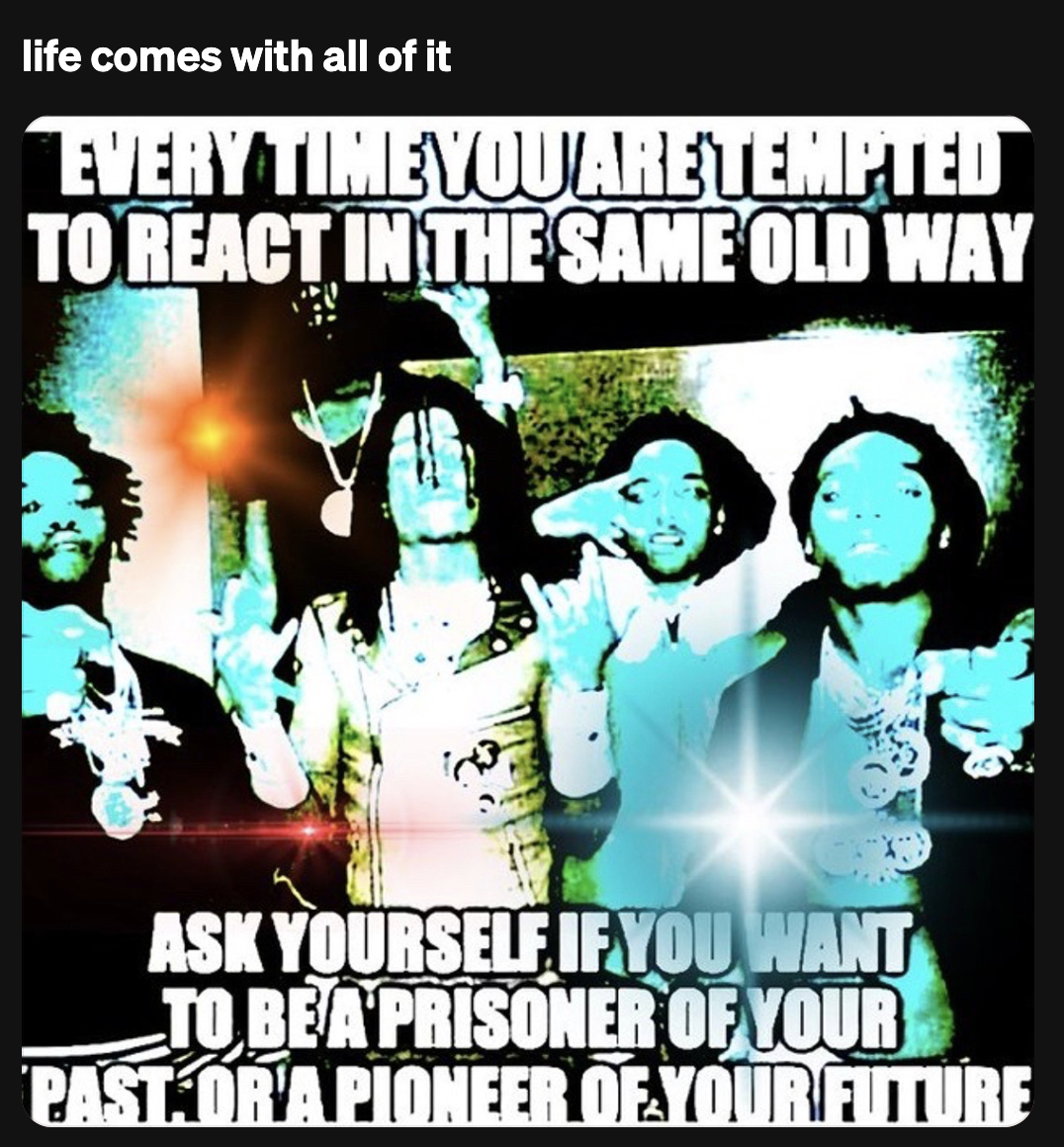
Later I will write about this machine and timing, of moments of coincidence, when the past and the present seem to meet almost perfectly. Now there is a direction that must be charted towards. Now it ends having written with my blood.
Points
99) Actions are harder to write then words; or at least they are when the actions consist of a break from what the machine is producing.
Points
100) I went to temple yesterday, today I am accruing debt once again.
Me and J will be showing in less than a month. Things are progressing well, I am not worried about time. I am not particularly worried in general.
I painted Paul Klee's "Last Things Last" in the last page of an old sketch book that had fallen out of rotation. I thought of J being the one to tell me to try writing with my works on paper, where that has lead me, maybe it has been a year, it is hard to say. I do and do not think in years.
There is supposed to be a blizzard today. There are things I have written elsewhere, by hand, and now I feel no need to type them here. If there is enough slow, I will write a message to melt.
In a sense, my handwriting, in those instances, is J's handwriting, the result of his actions.
This morning we talked about friendship. I thought of the Berenson, quoted somewhere above.
My credit limit is approaching. Soon, I'll compensate with sleep. A balance transfer, of energy, given the cost.
G and I spoke with hope about our lives. There is great joy to be had in what is to come. That this is a special thing.
Points
101) The coincidence — and what to make of? When images flowing against the chronology of the page, of the scroll, synchronize perfectly with the text flowing from the present moment. A situation of recurrence, like writing of friendship, and an image of I and I appearing. Or the Tiepolo sketches at The Courtauld, just after I used those very photographs for the cover of the mix for G, thinking of the nature of the preparatory drawing in respect to how I was shaping that sequence of audio.
And the many other instances, where Fate or The World brings something back around, and you see it differently, in a new light. Idioms and translation. How we try to say what we cannot mean — is it the failure of language, or is it something else, something beyond? I imitate a younger voice, one whose capacity for hopes and dreams outweighs mine, at this moment. But things change, the world is change, I am part of this, this change, this world. I walked today. I walked holding up my pants, thinking about how much world there was. I passed several warehouses. Porcelain from Saudi Arabia. Plastic containers from China. There were slabs of stone, there was a labyrinth. A bus, a train, familiar moments of recognition. I prayed. An old man showed me kindness. I wondered how visible the struggle on my face was.
Points

